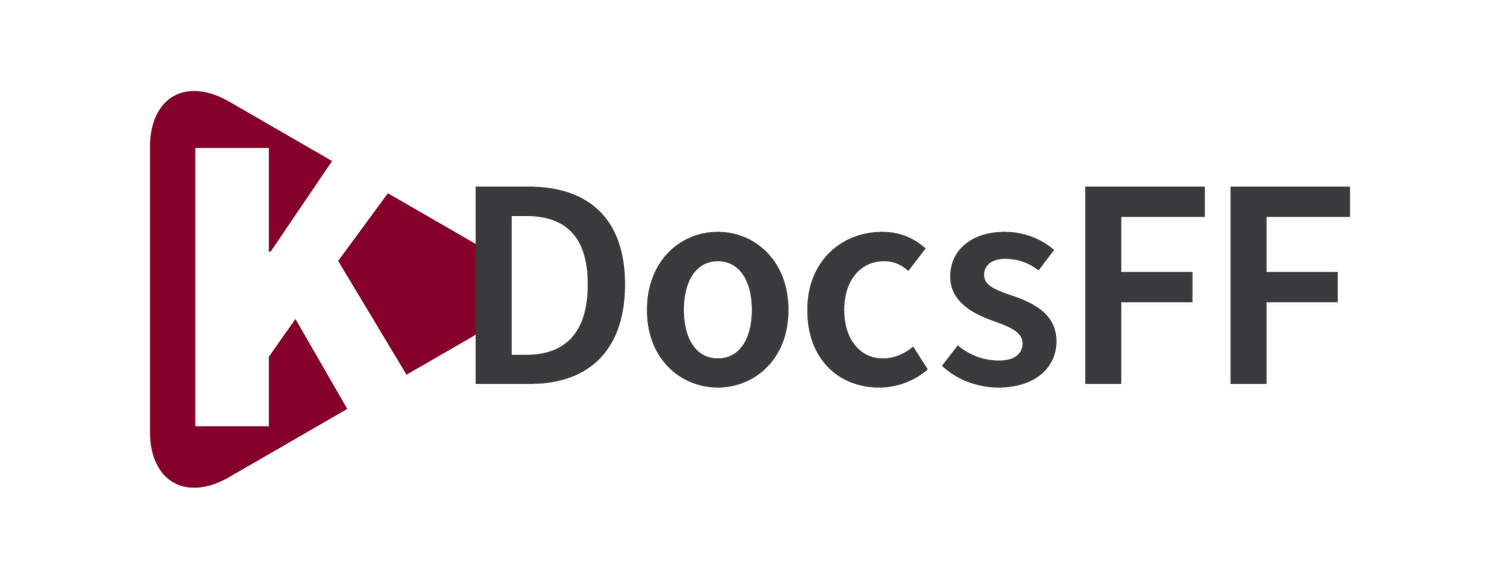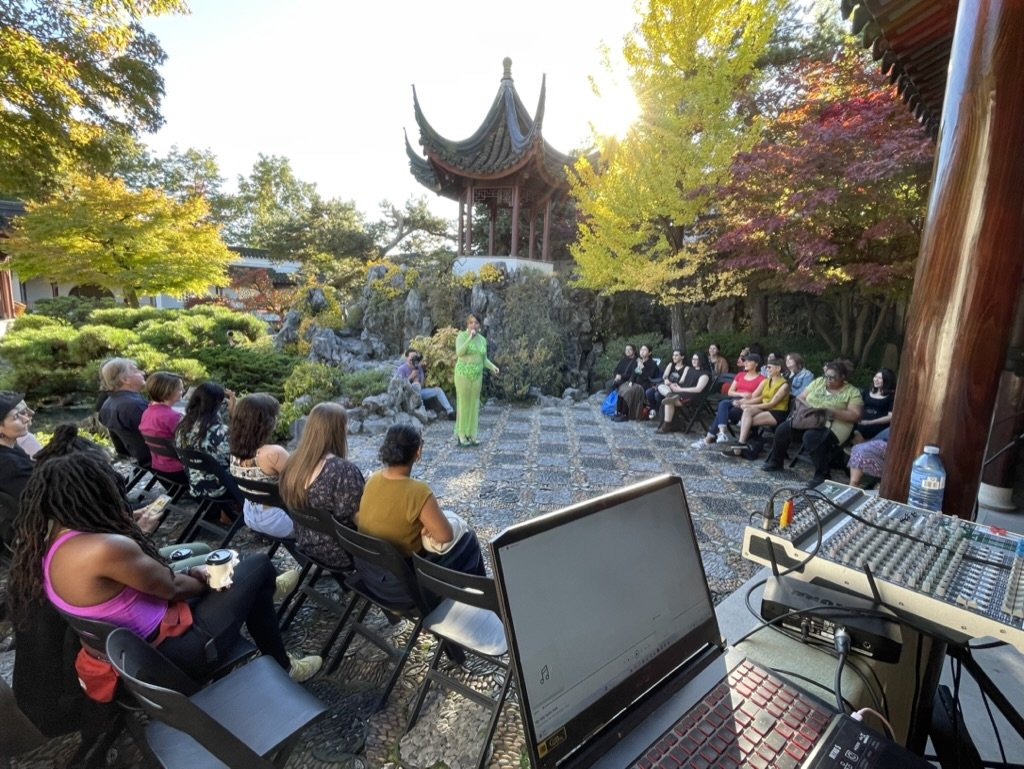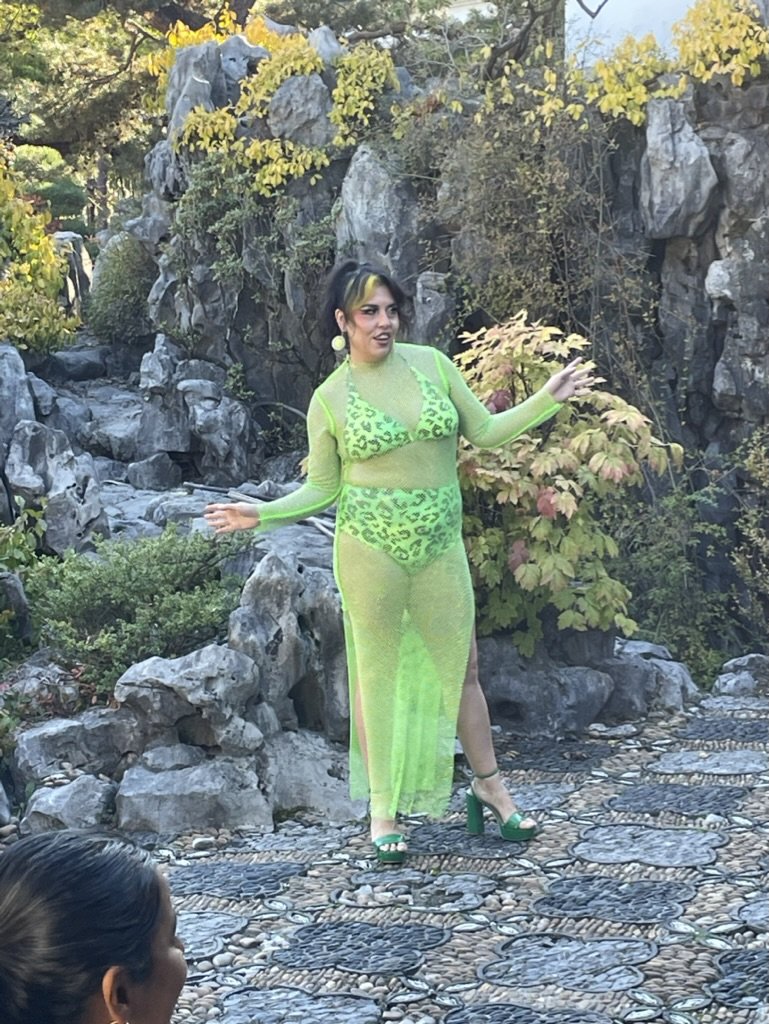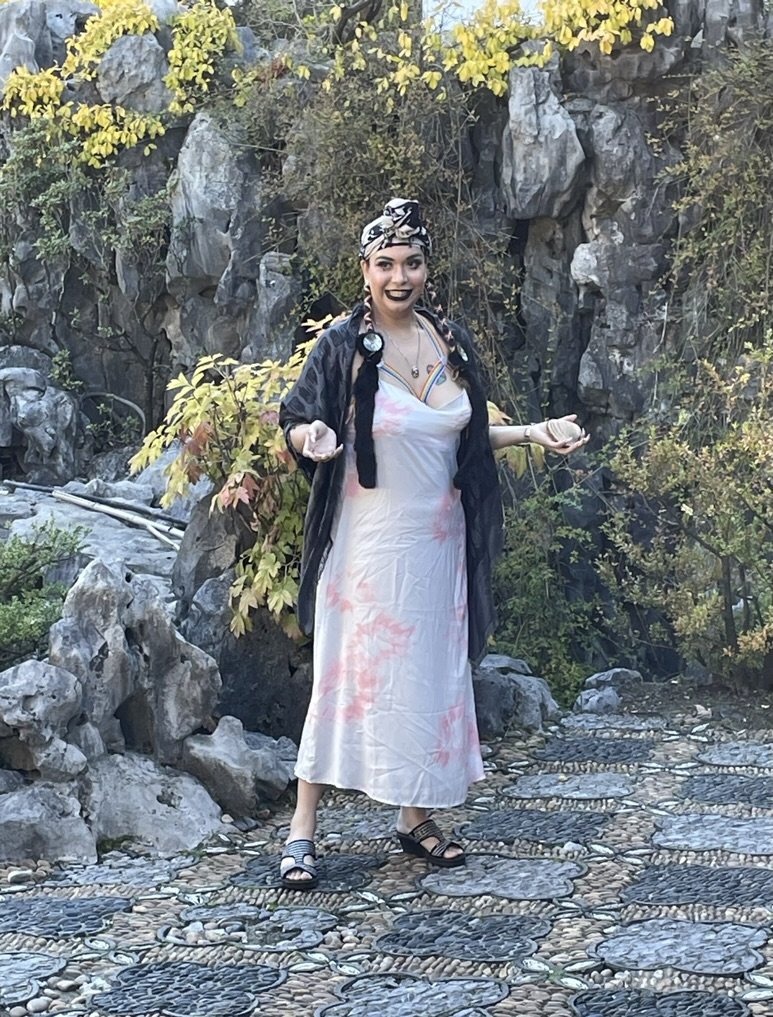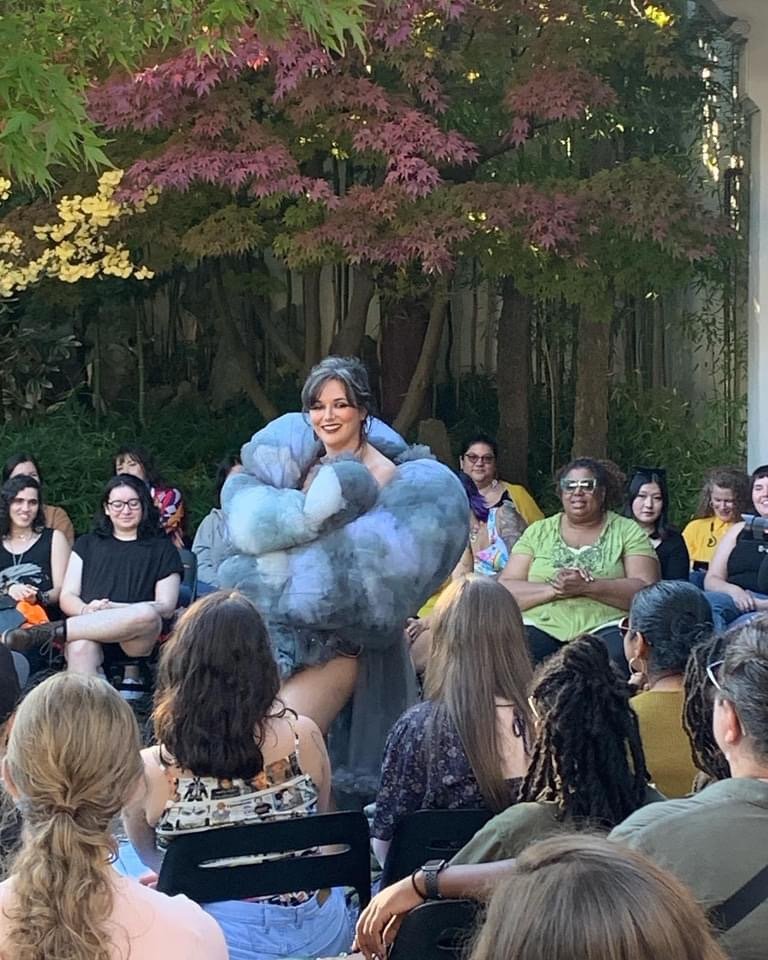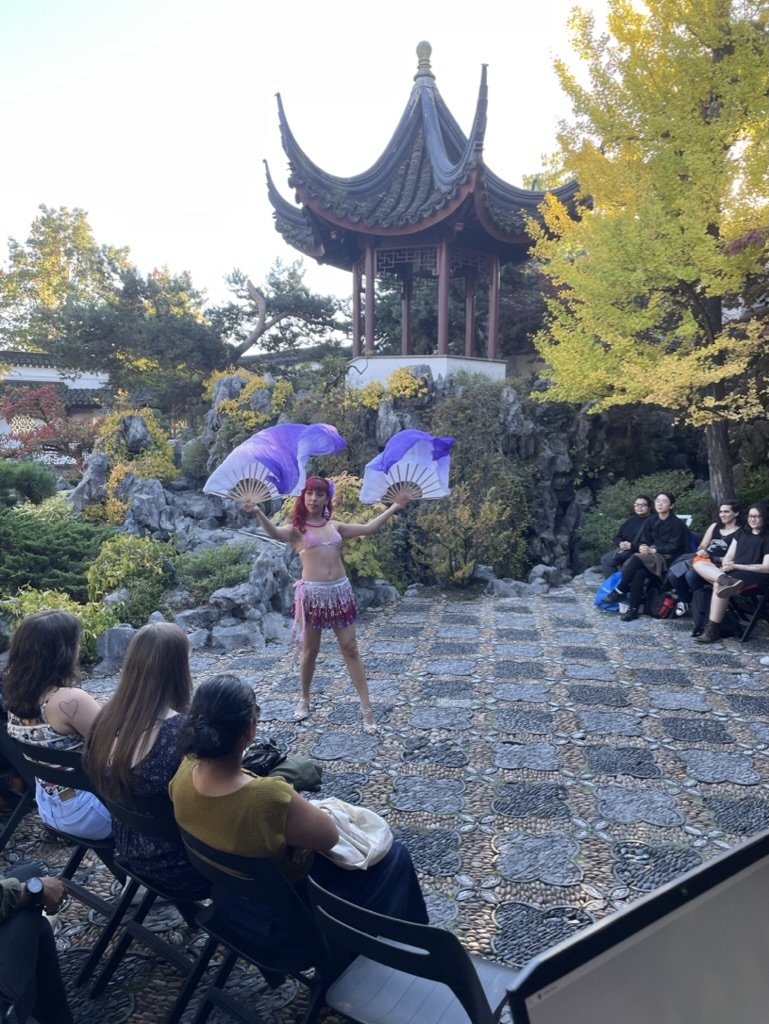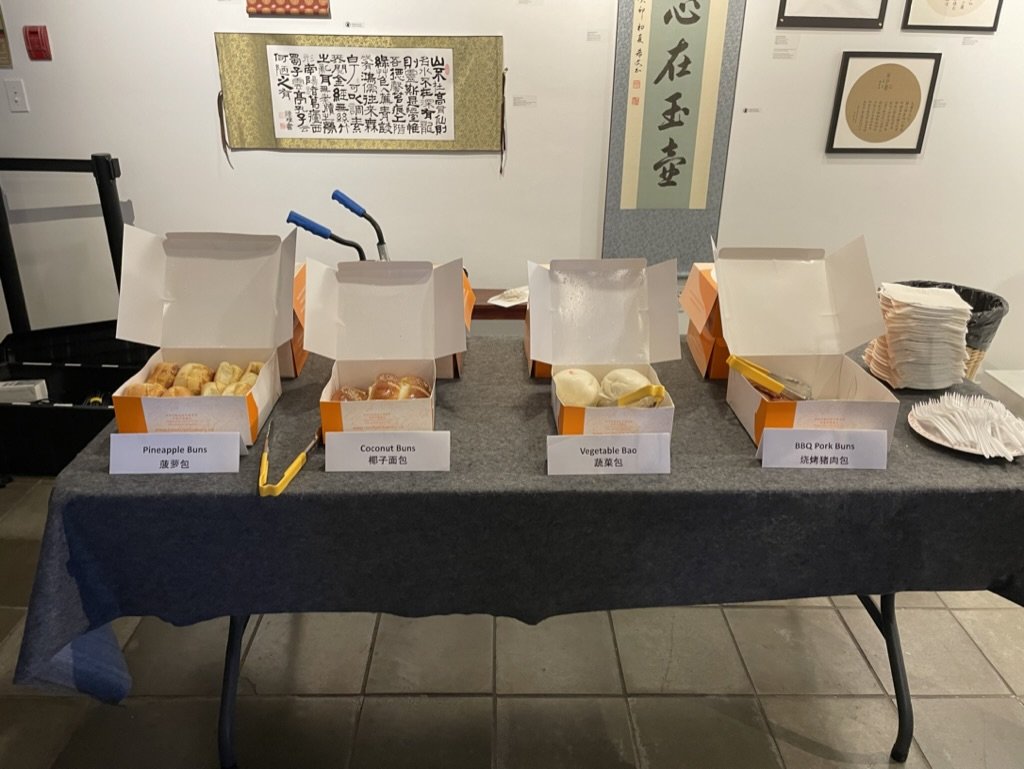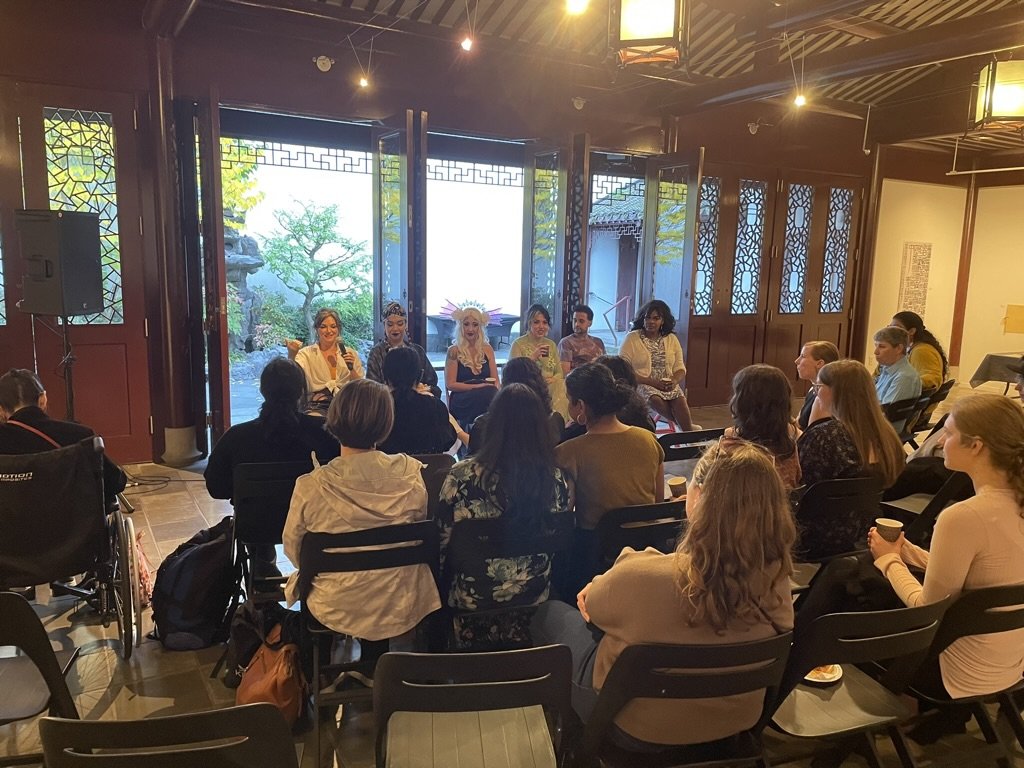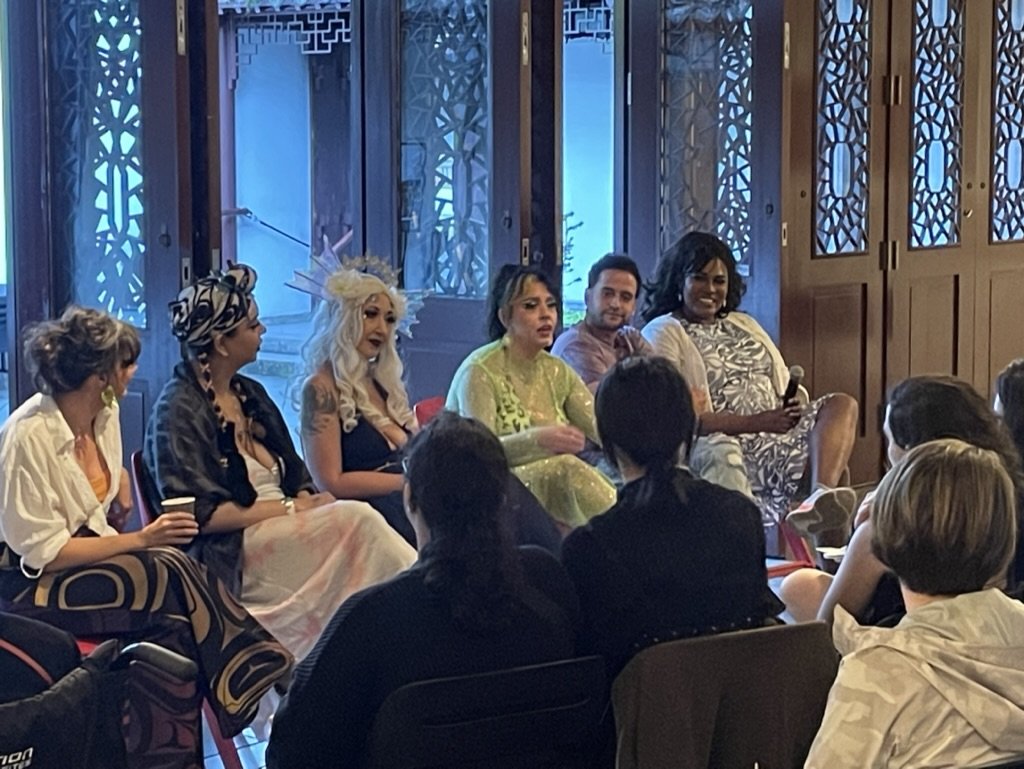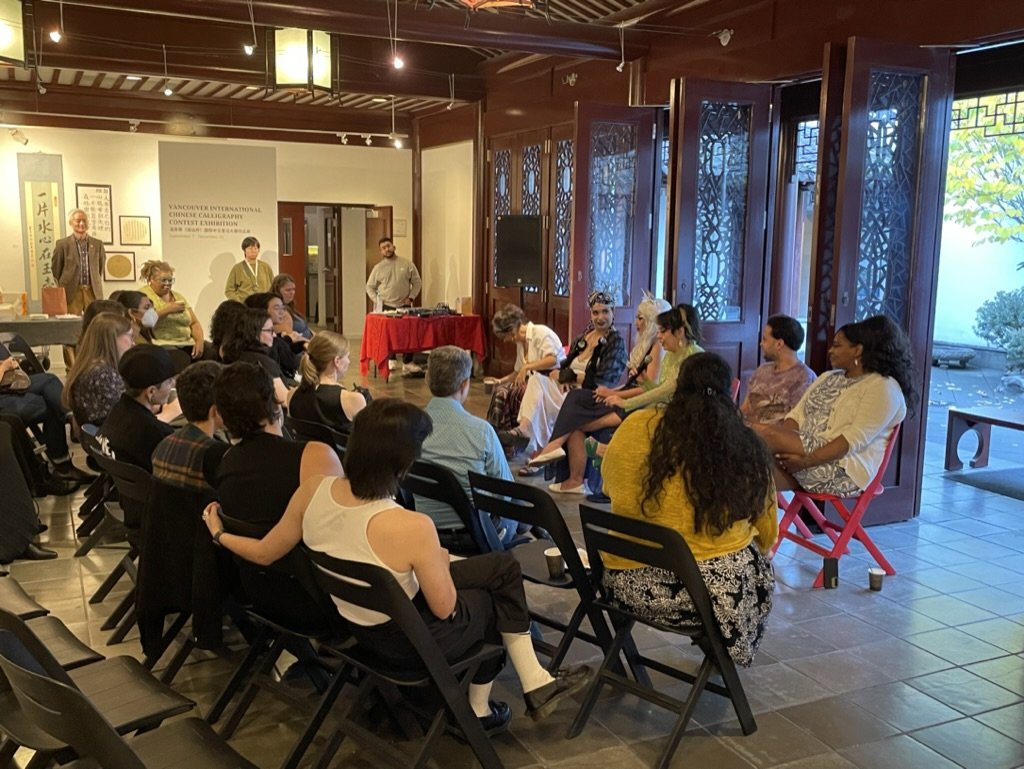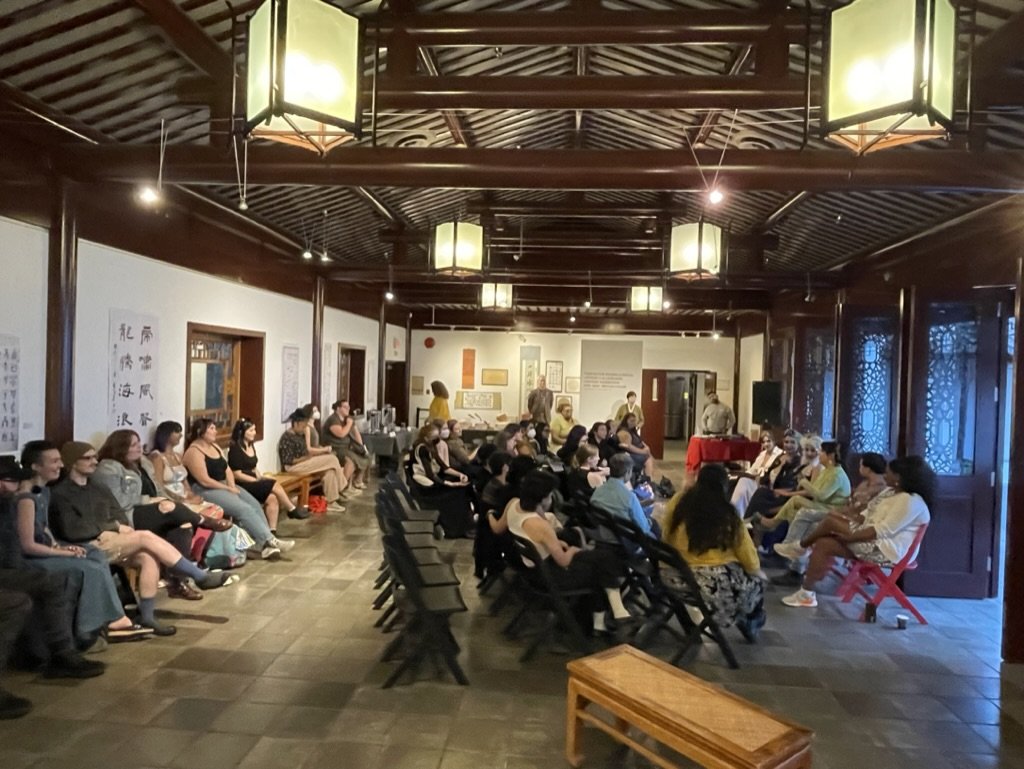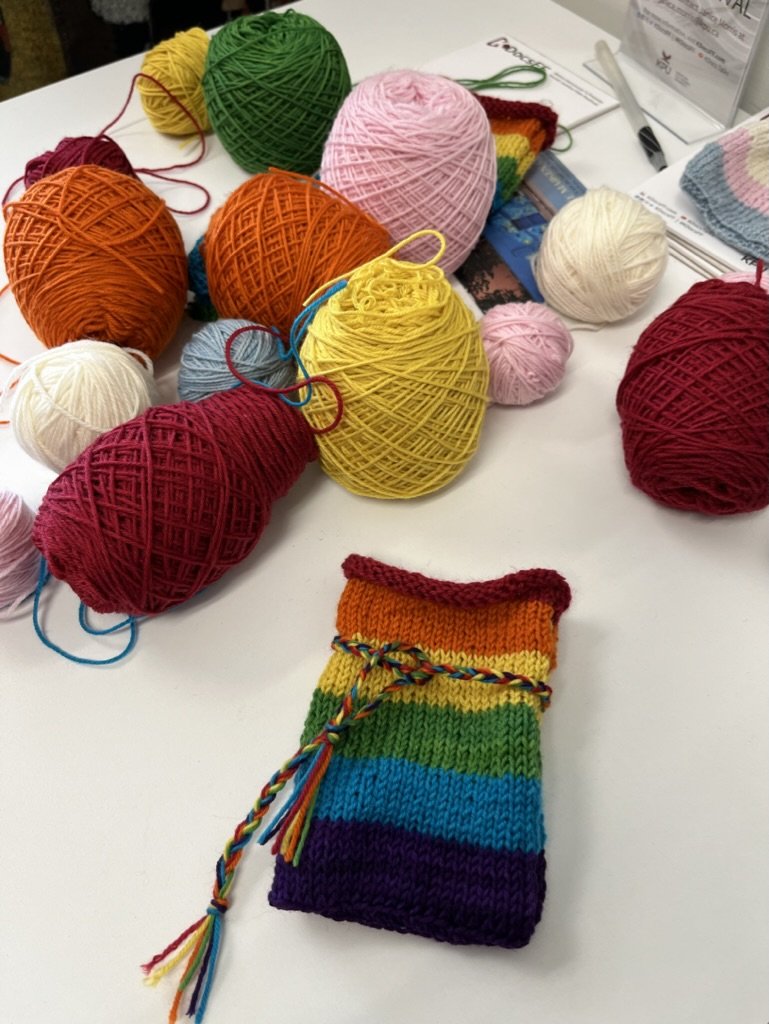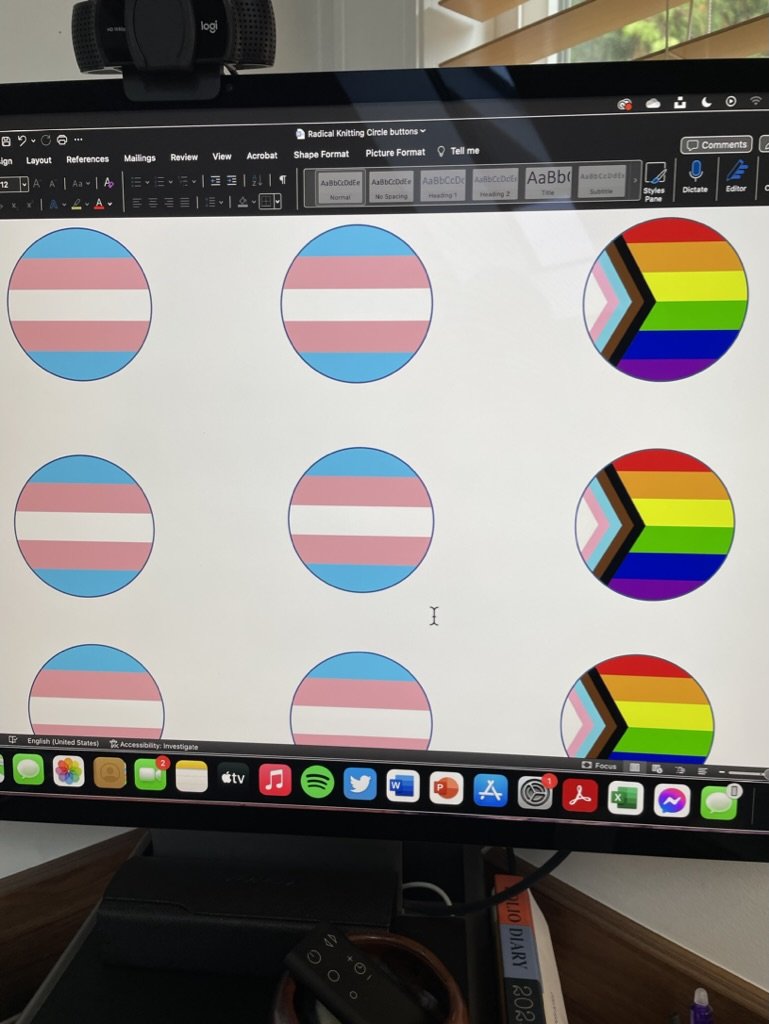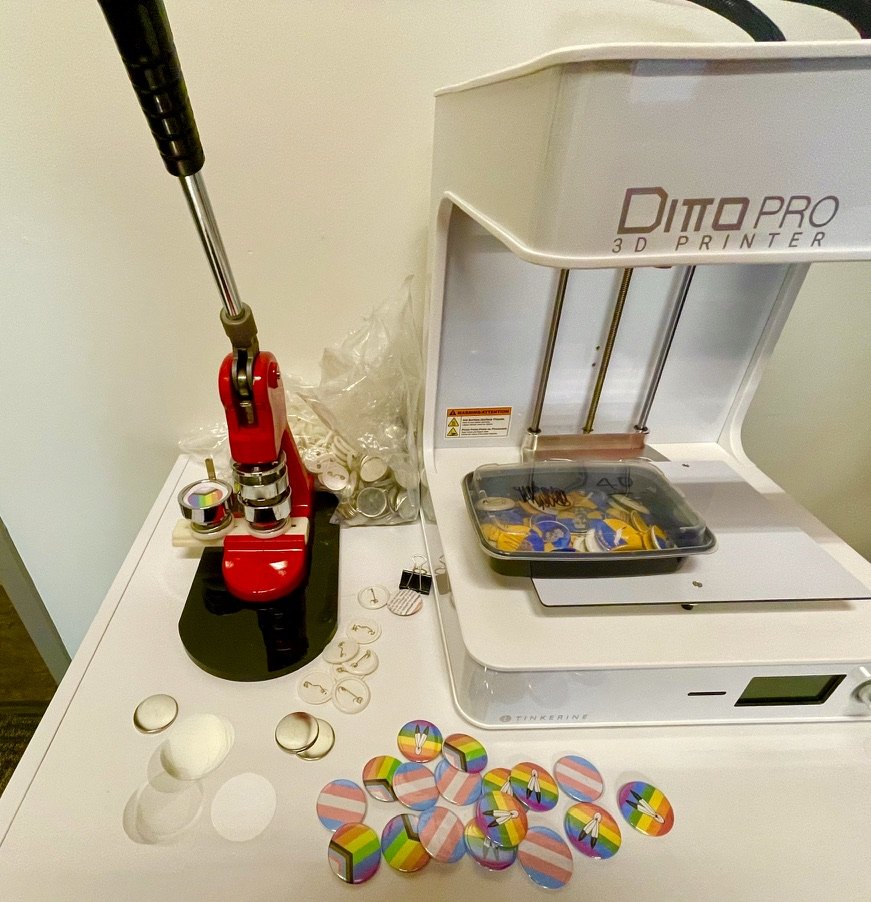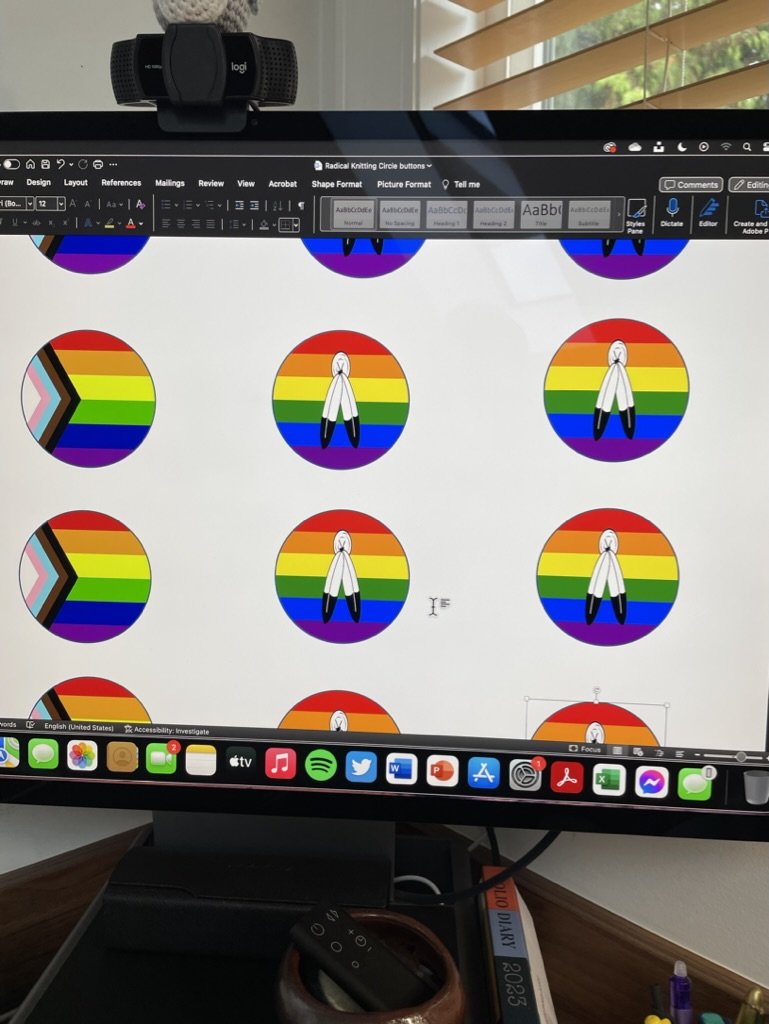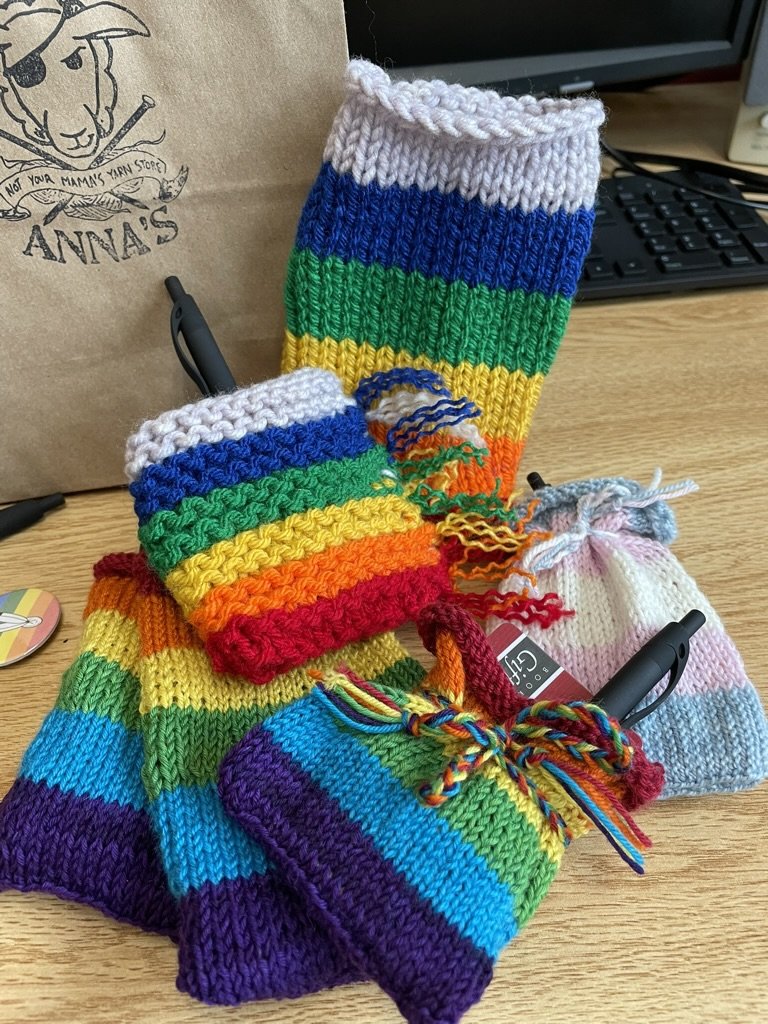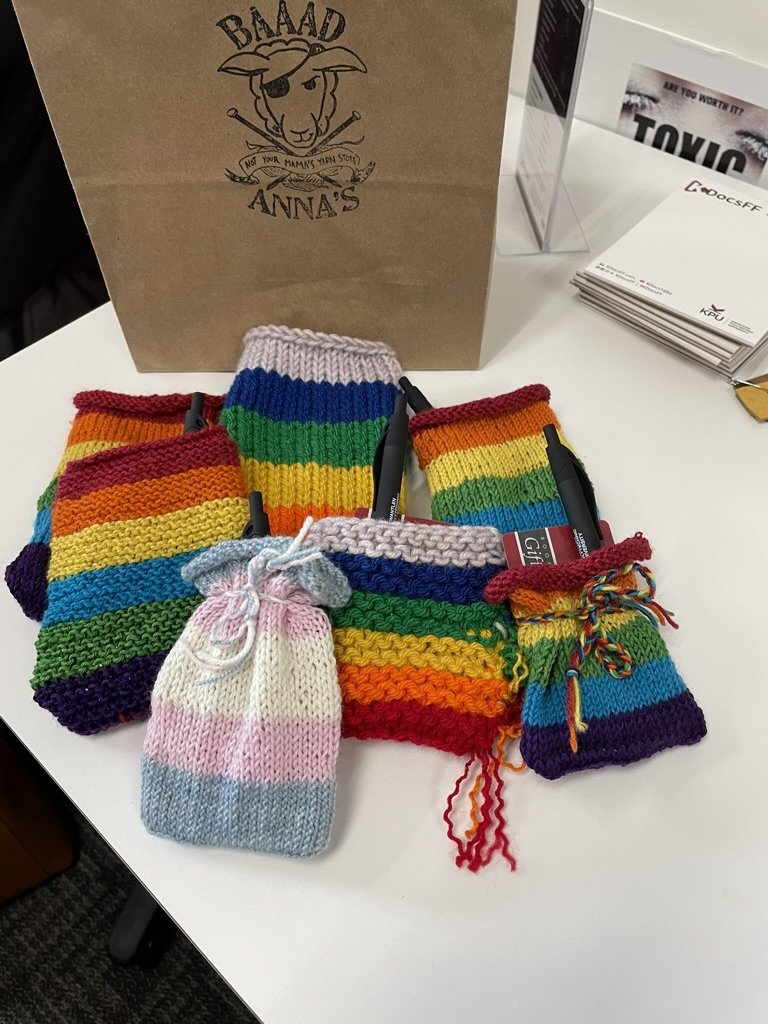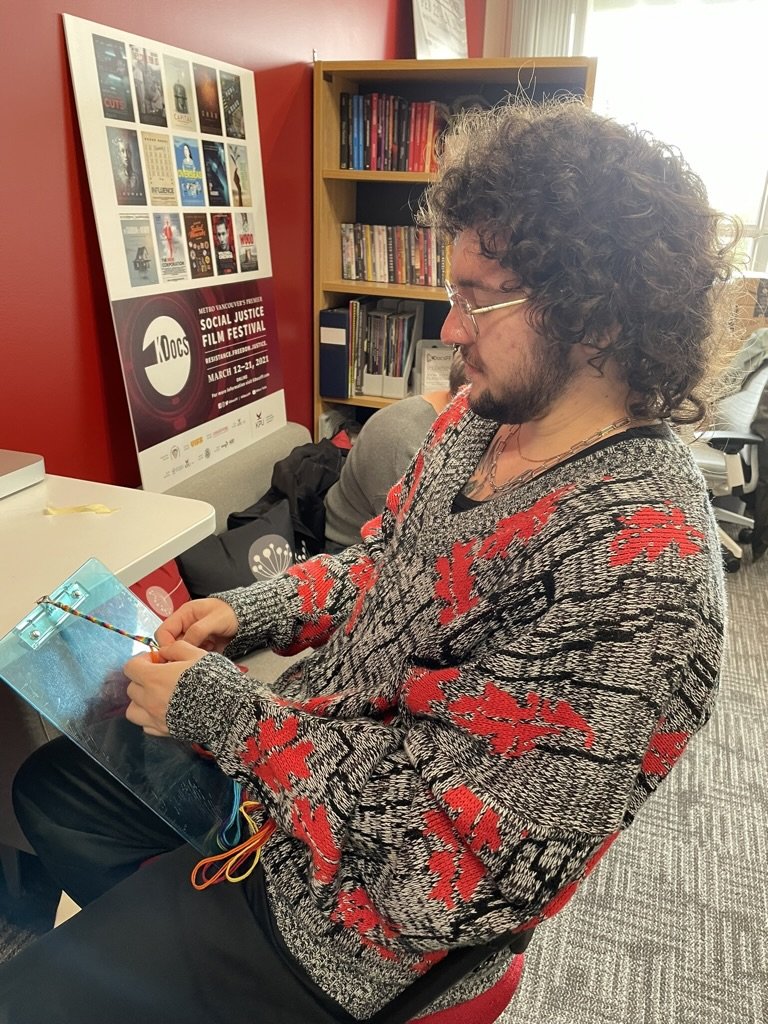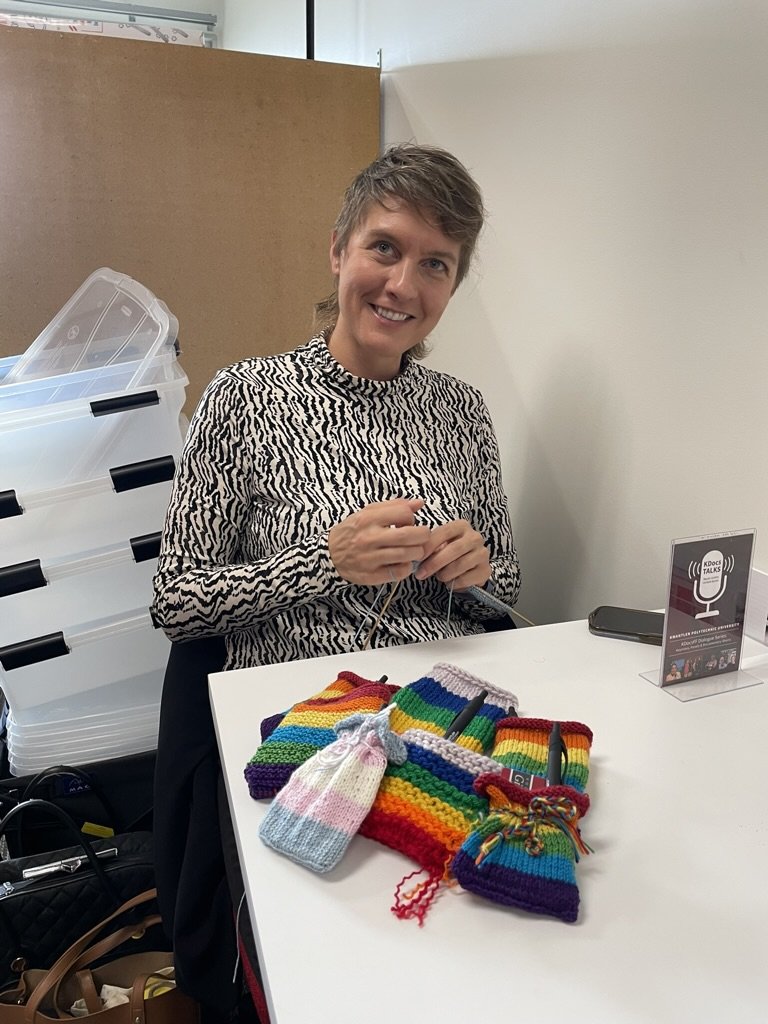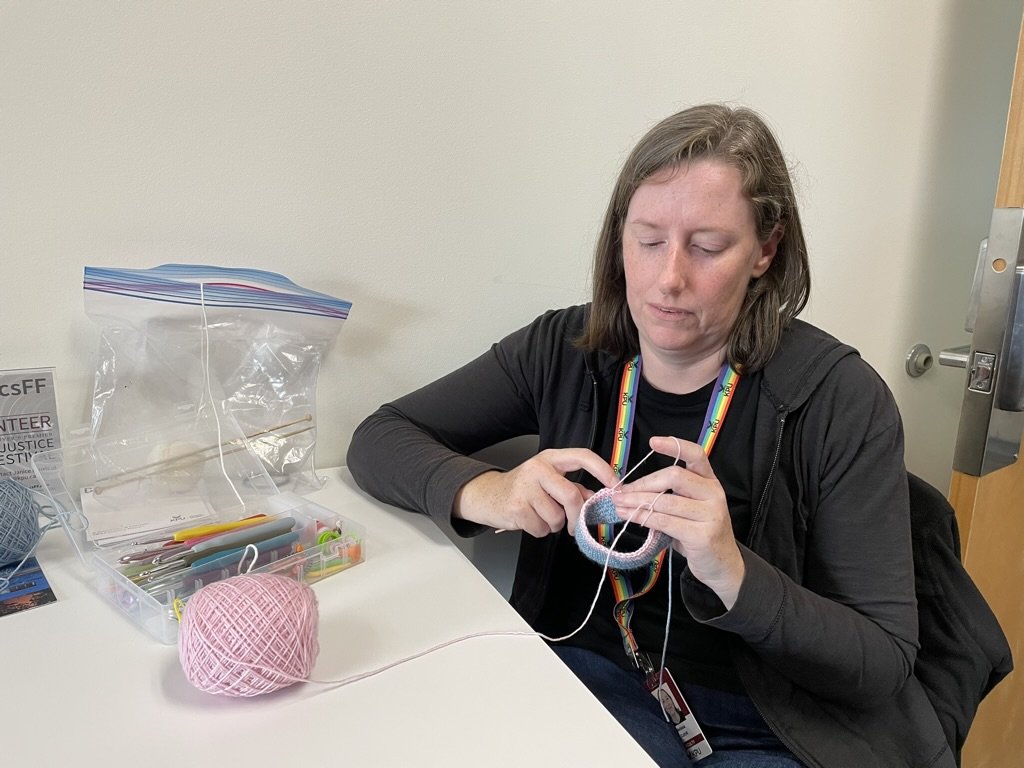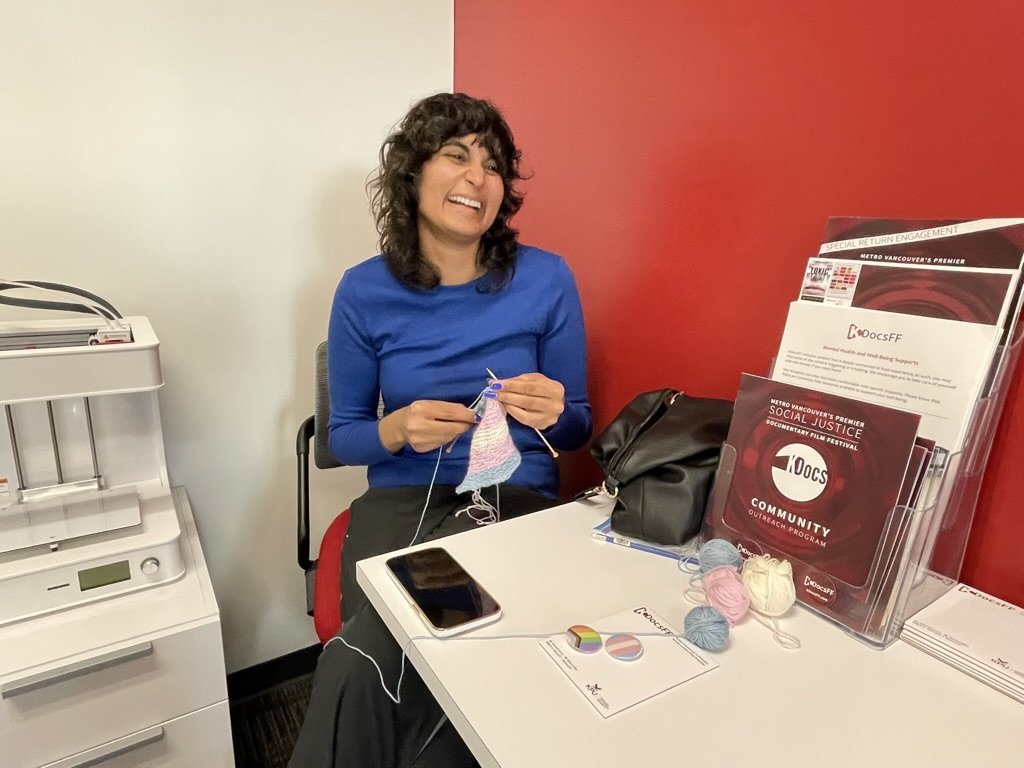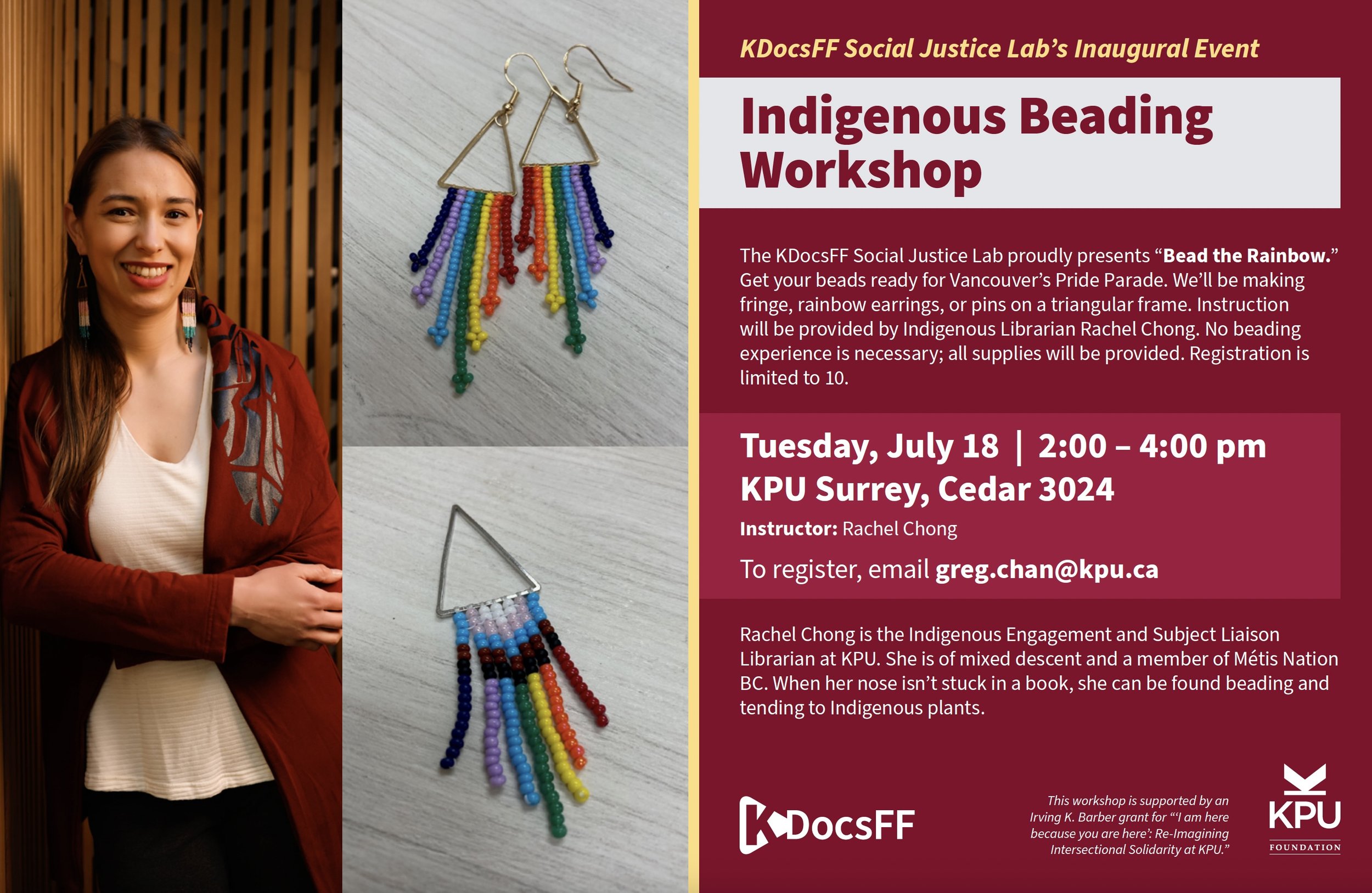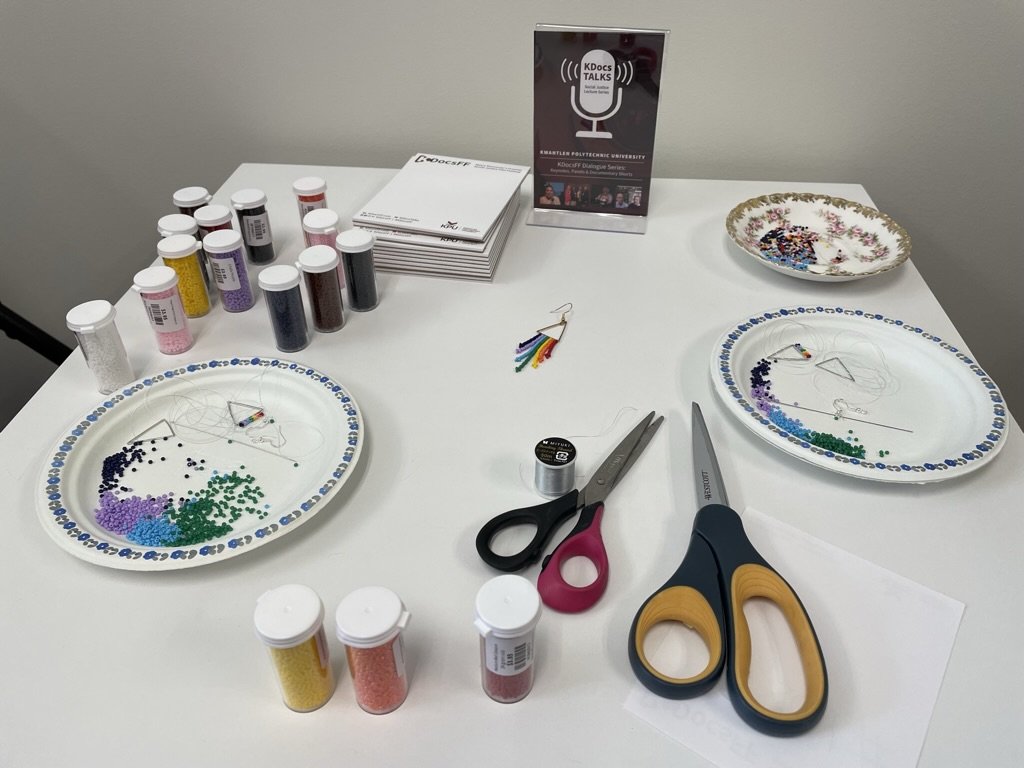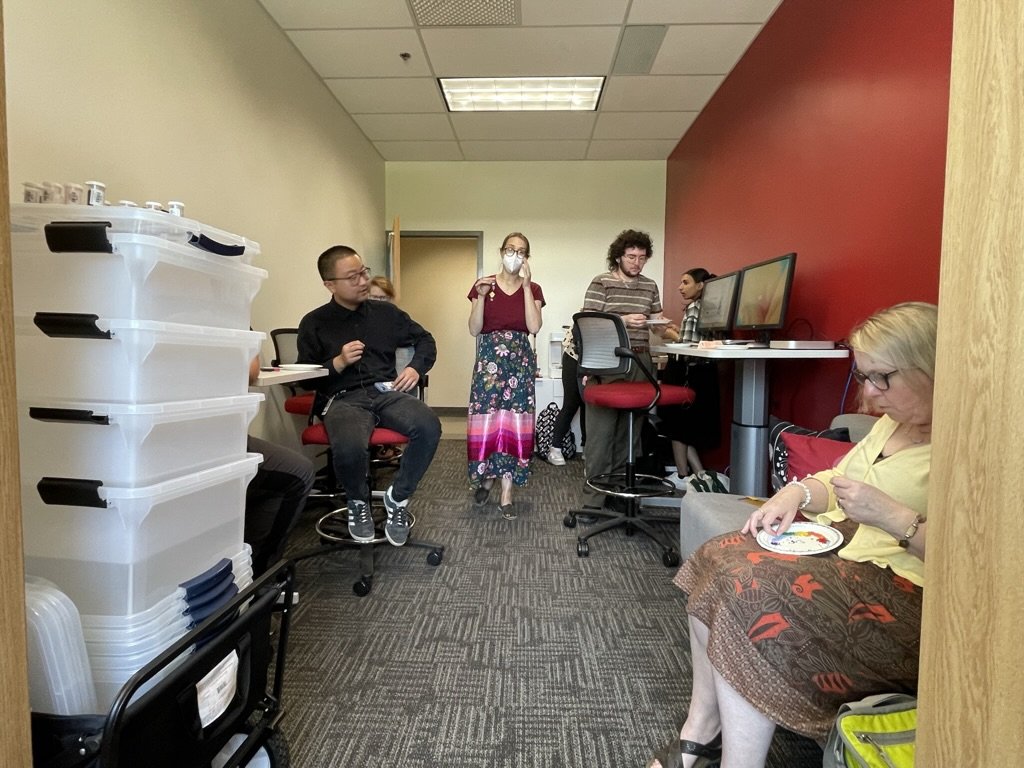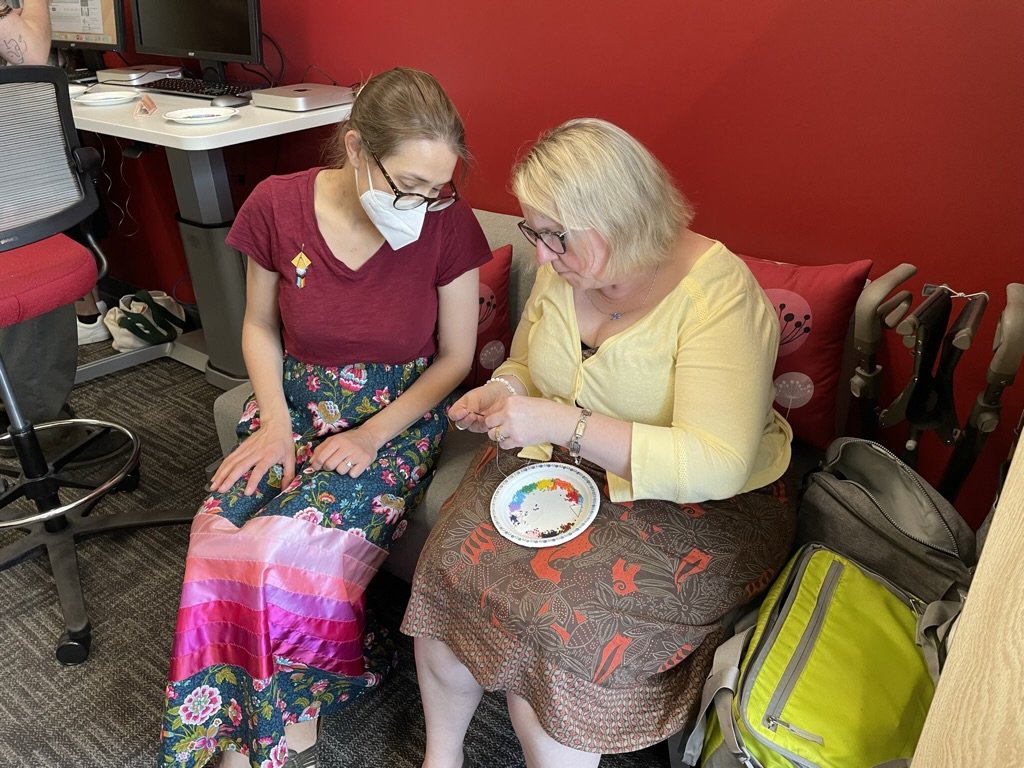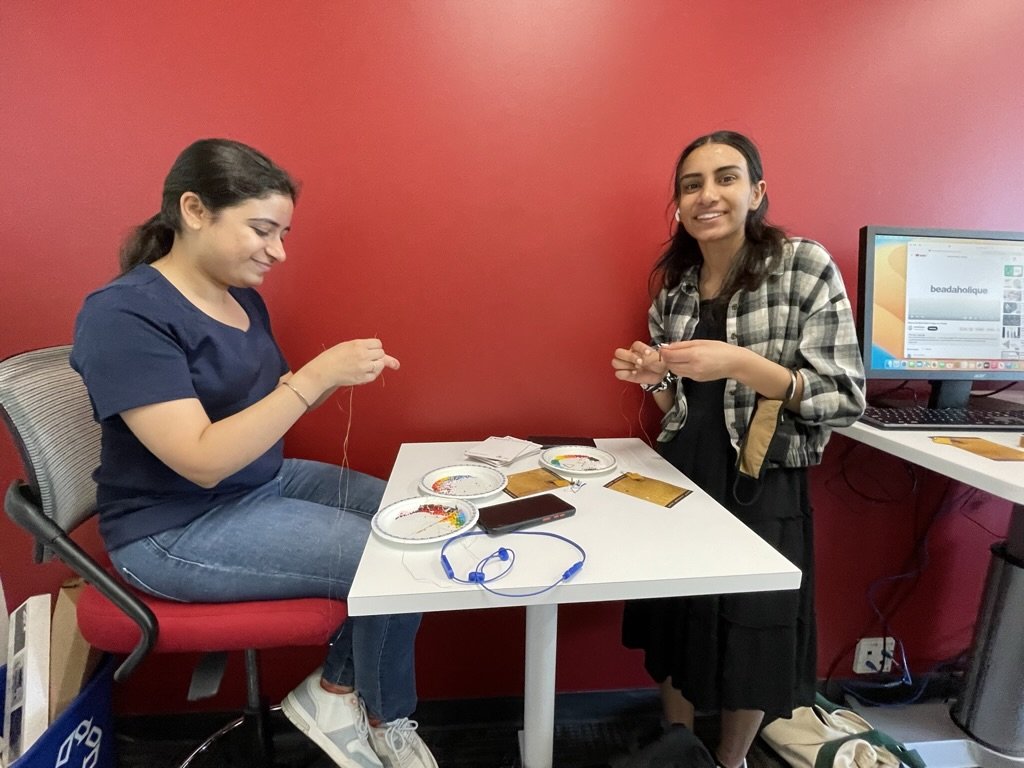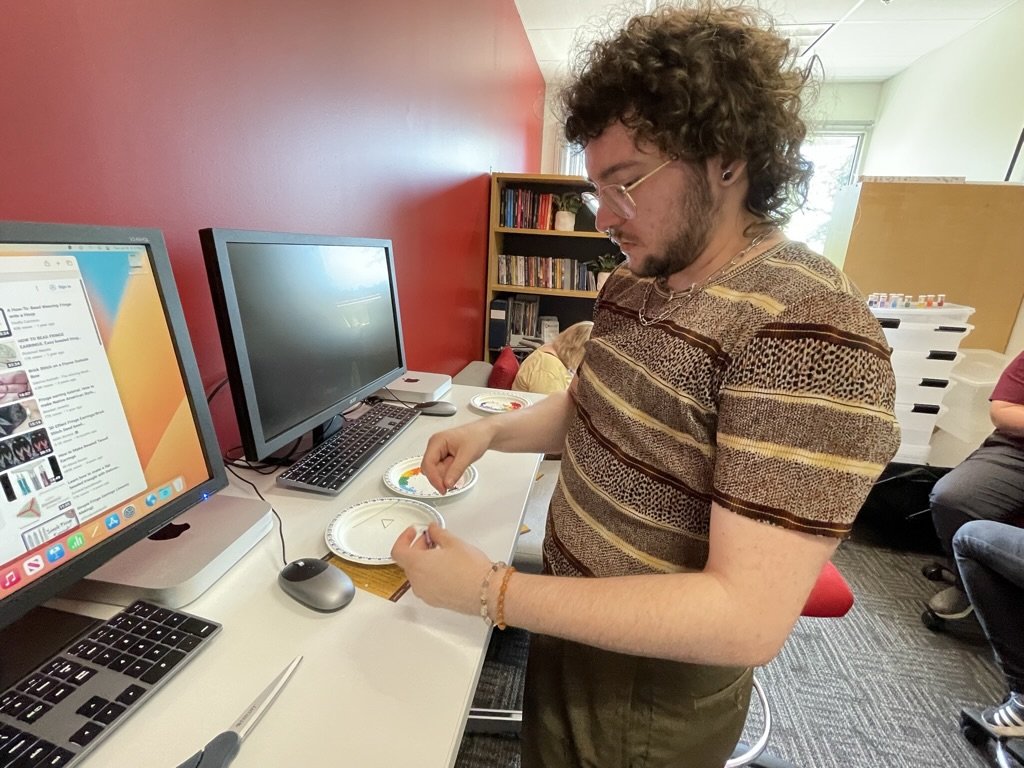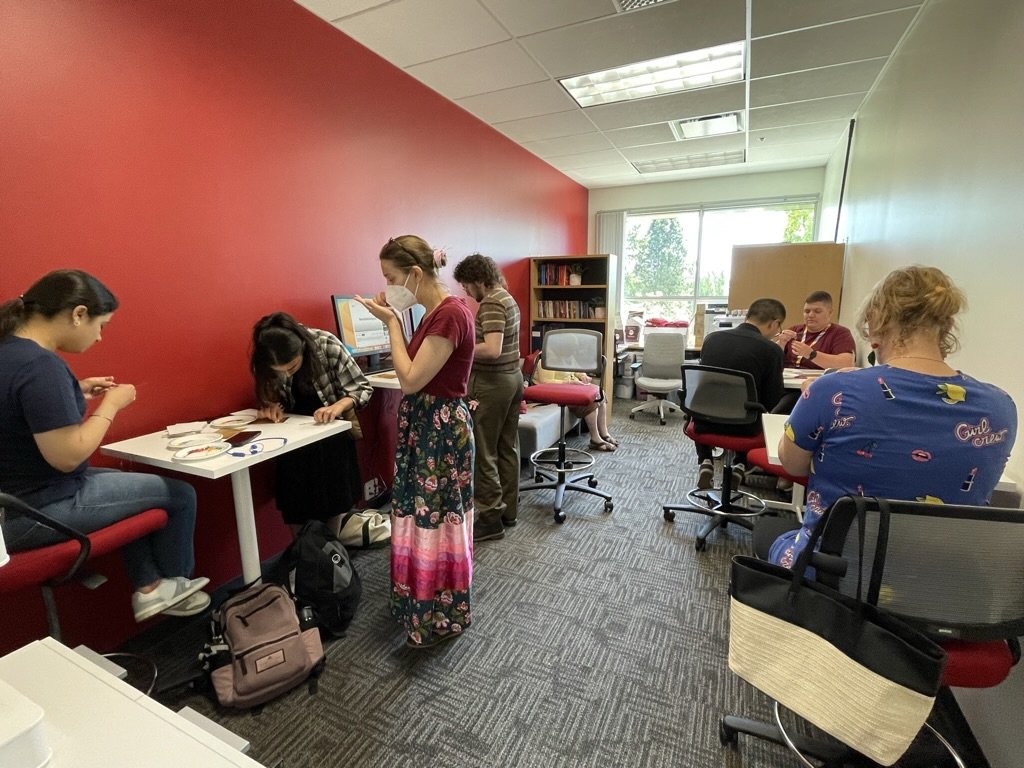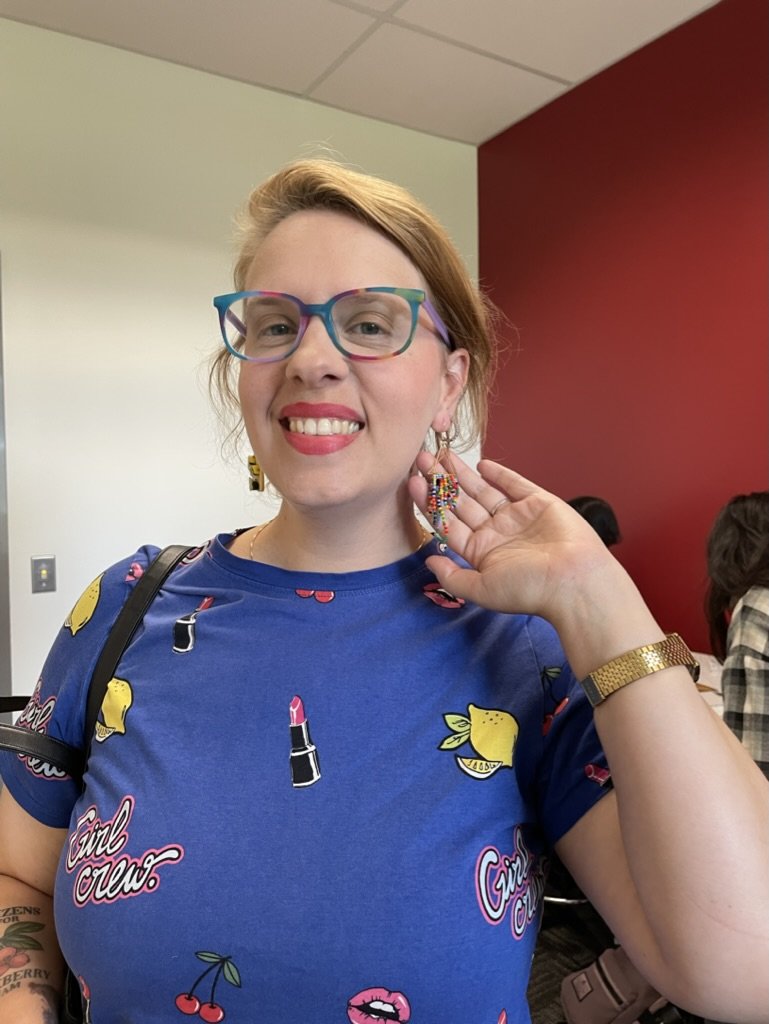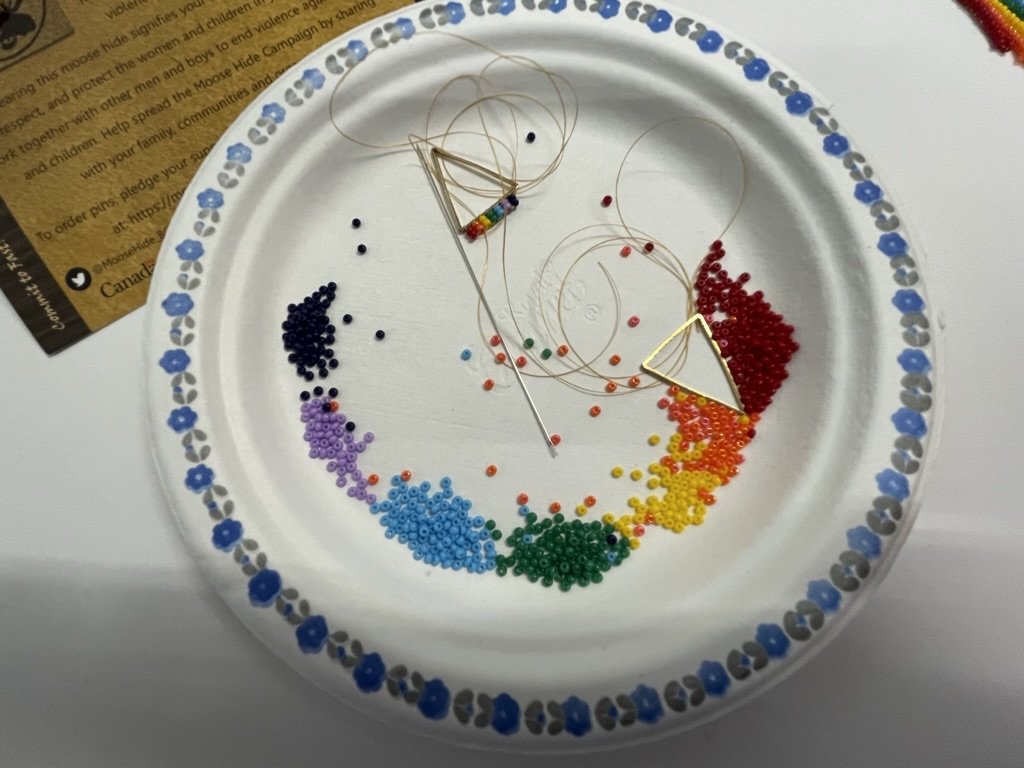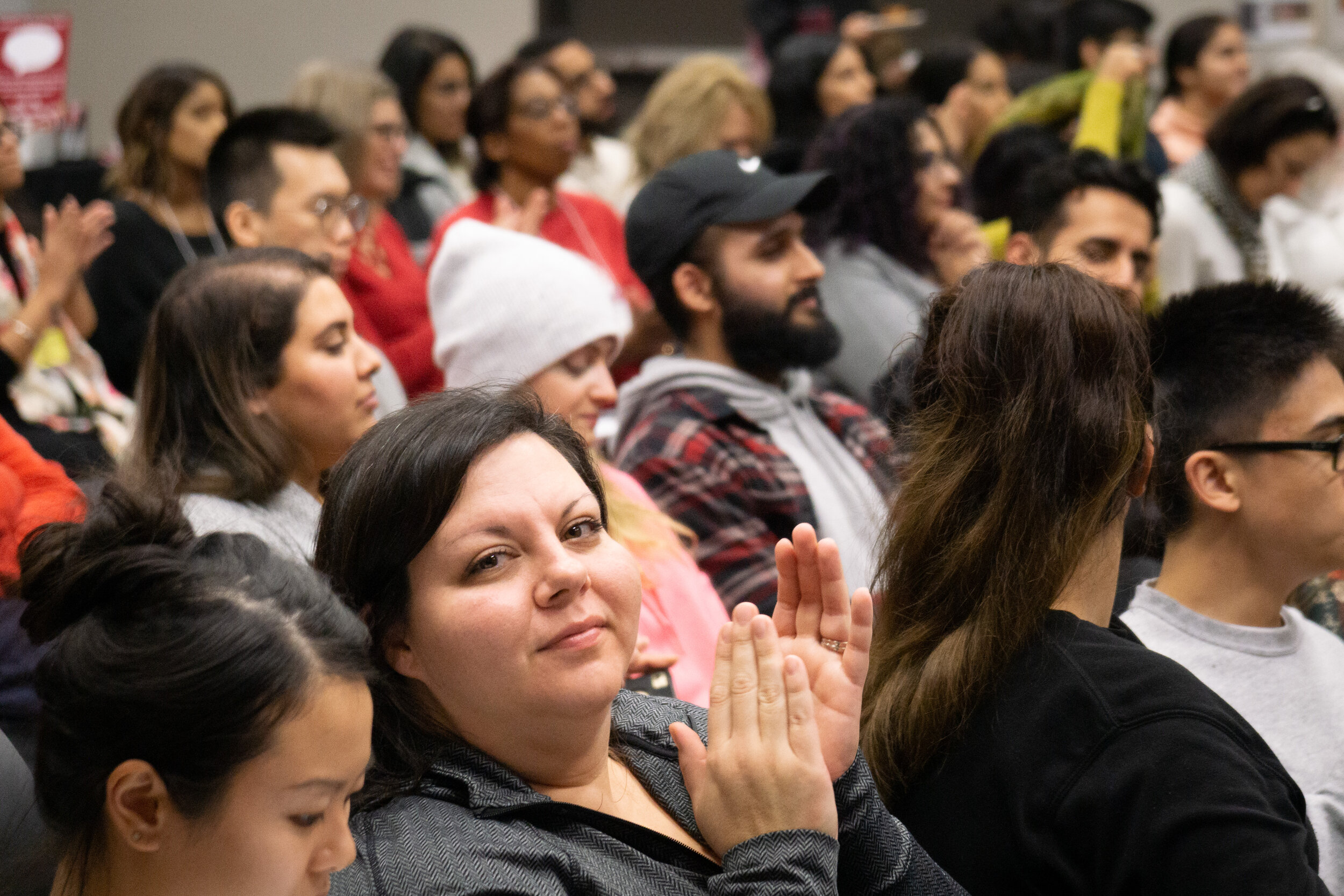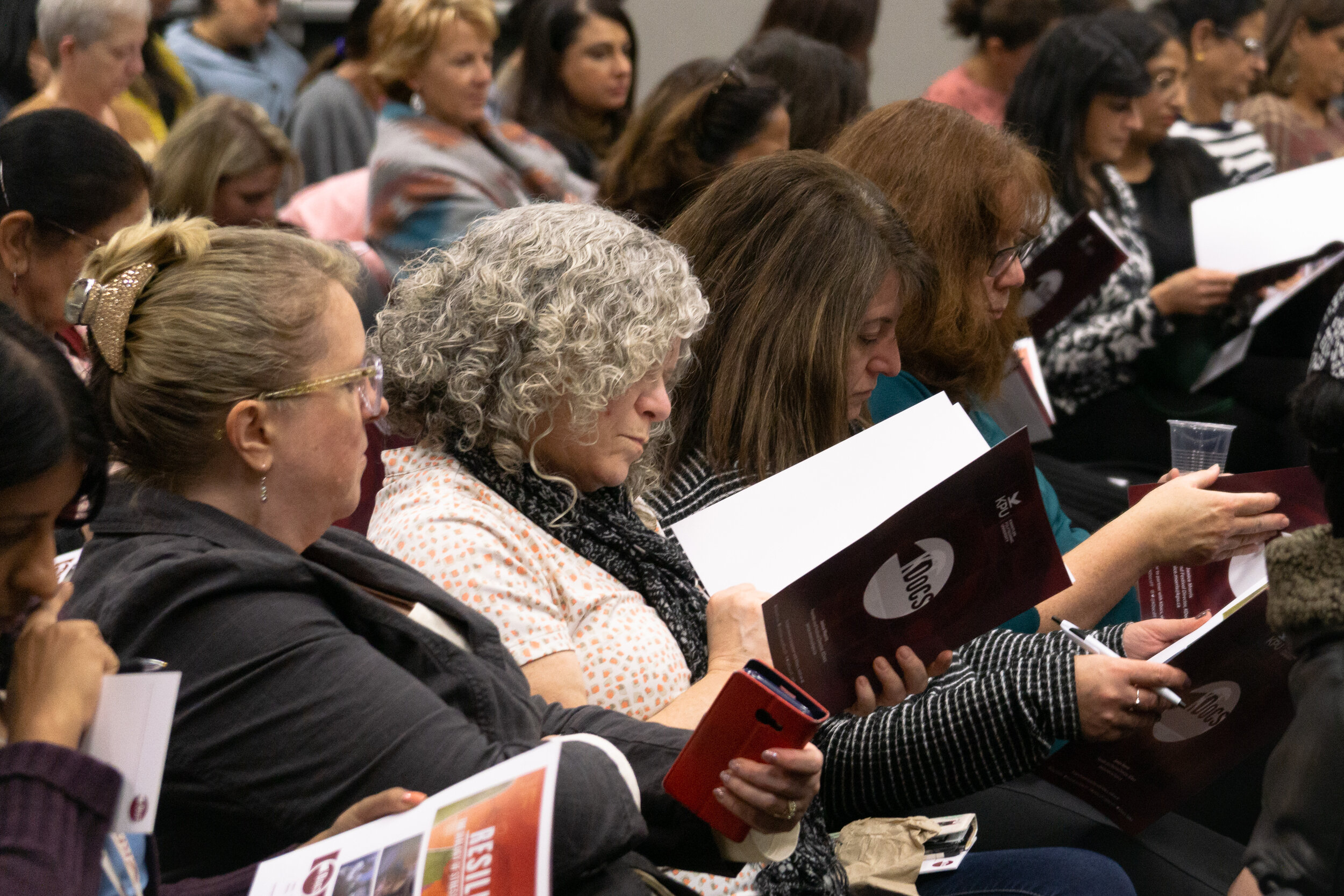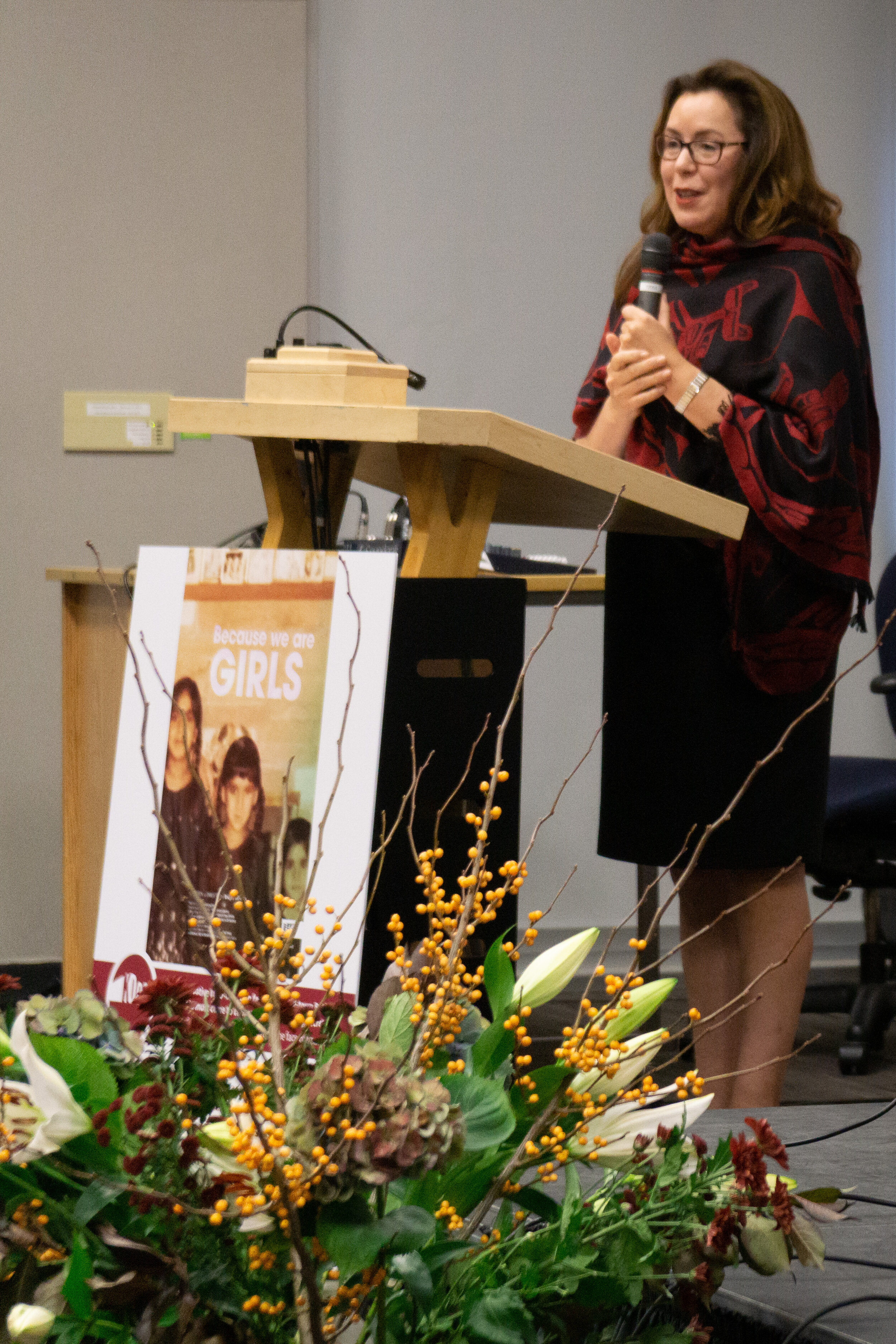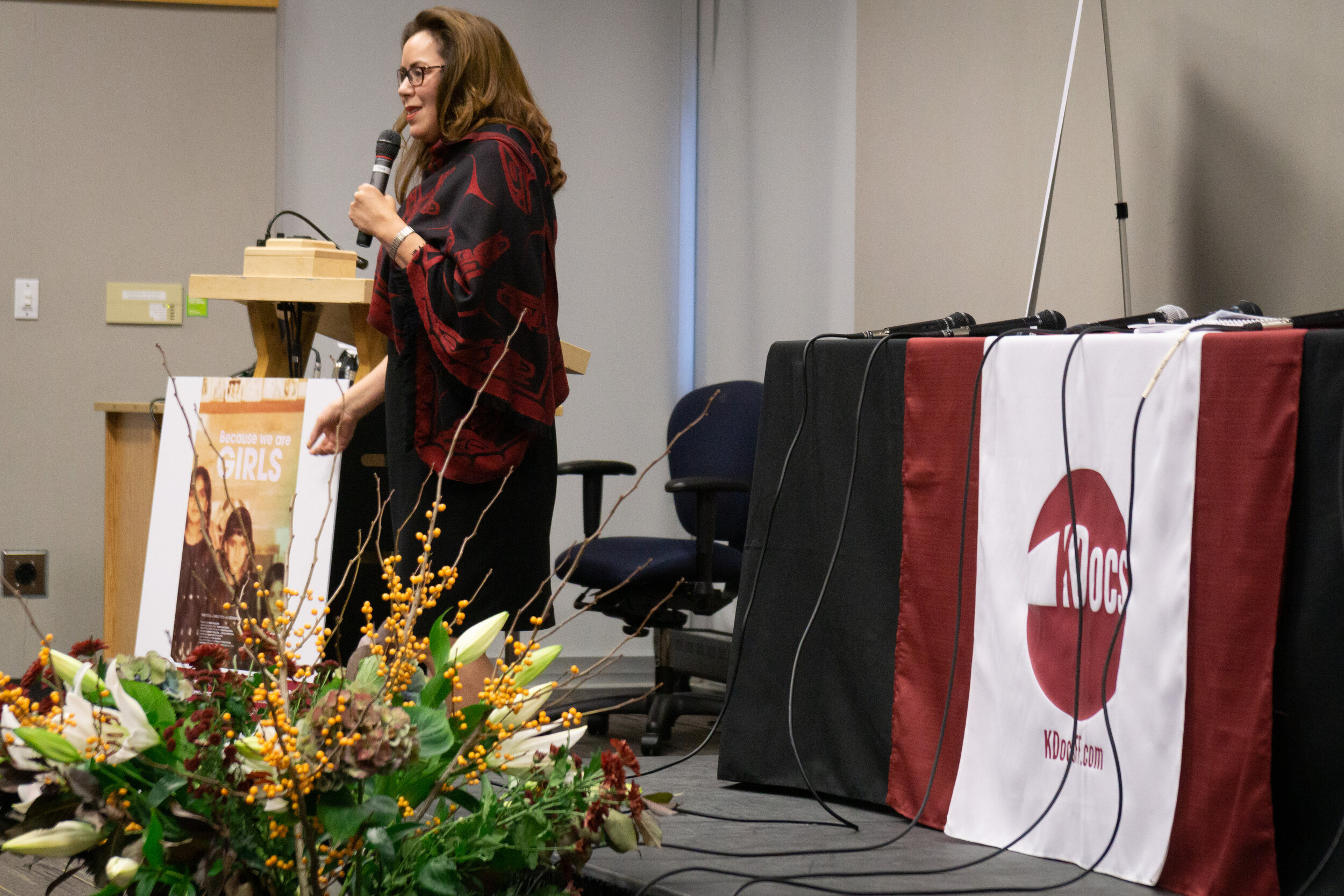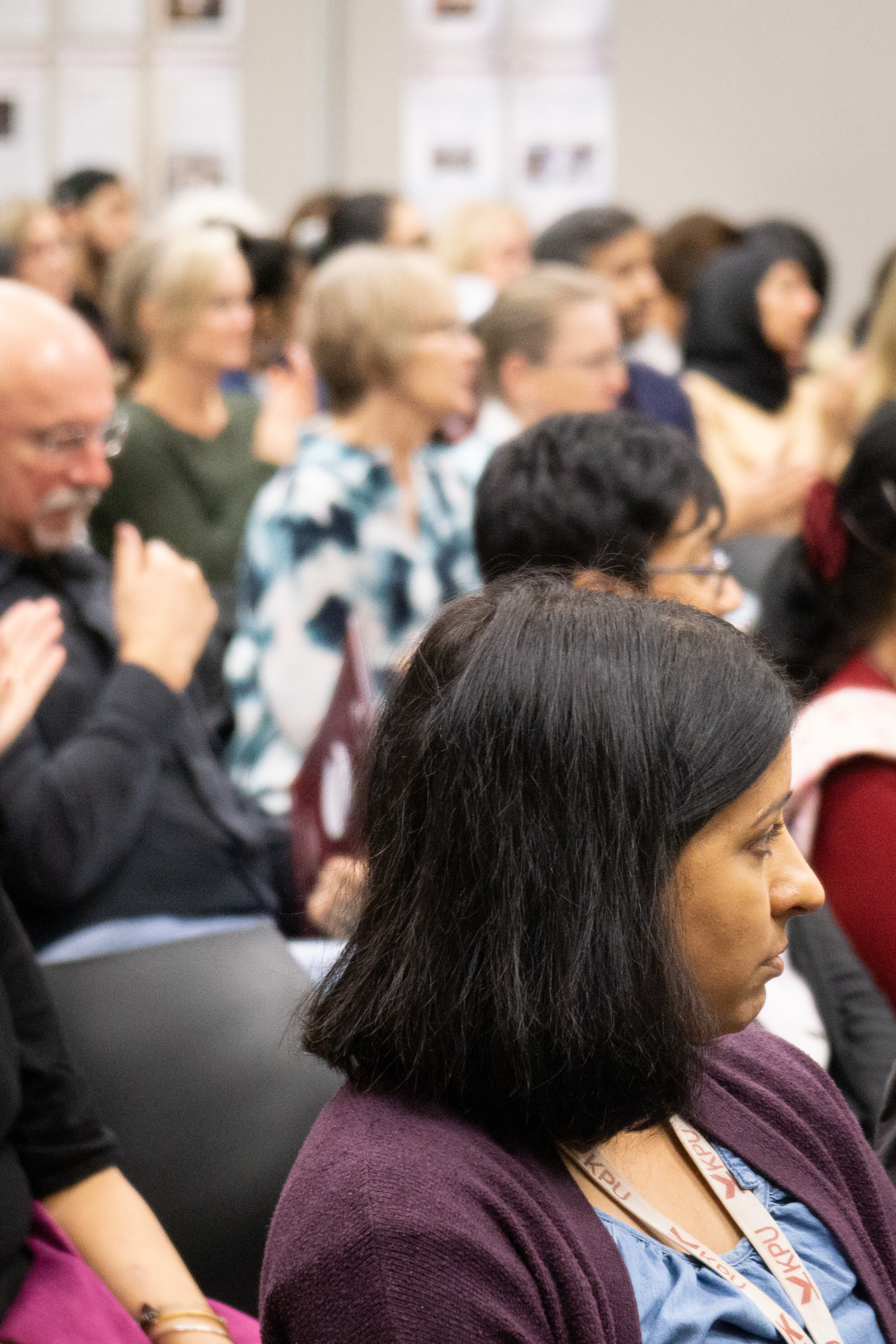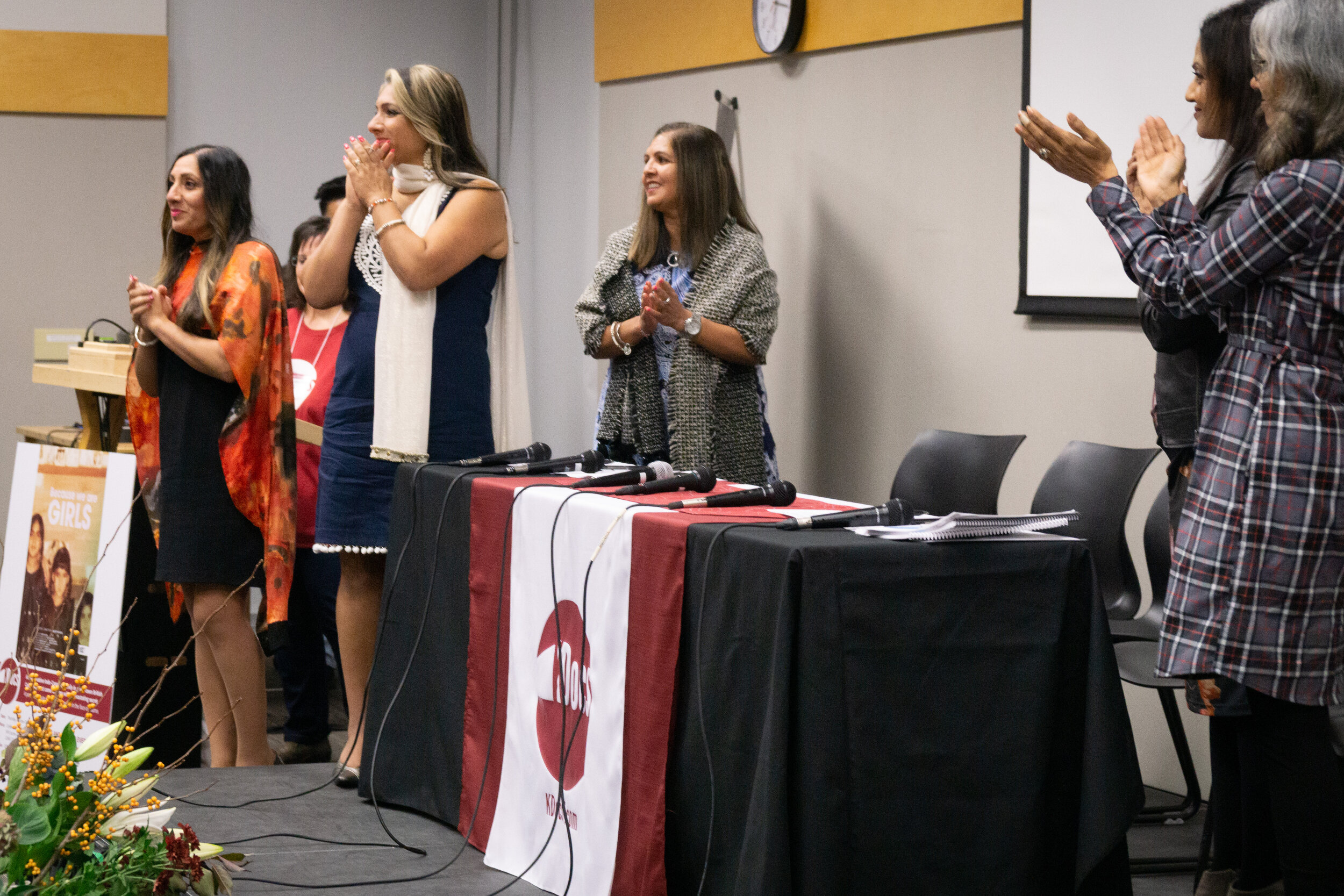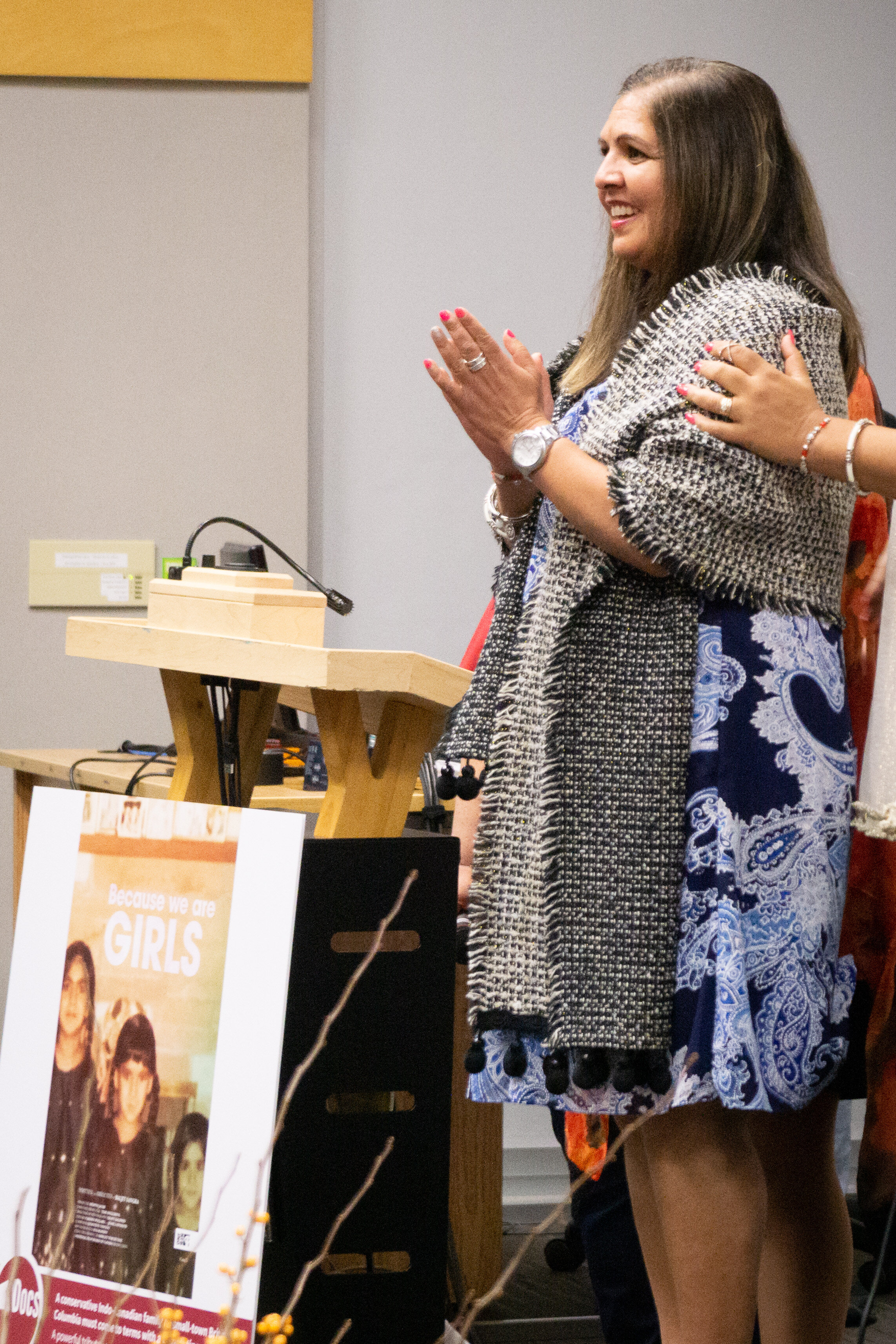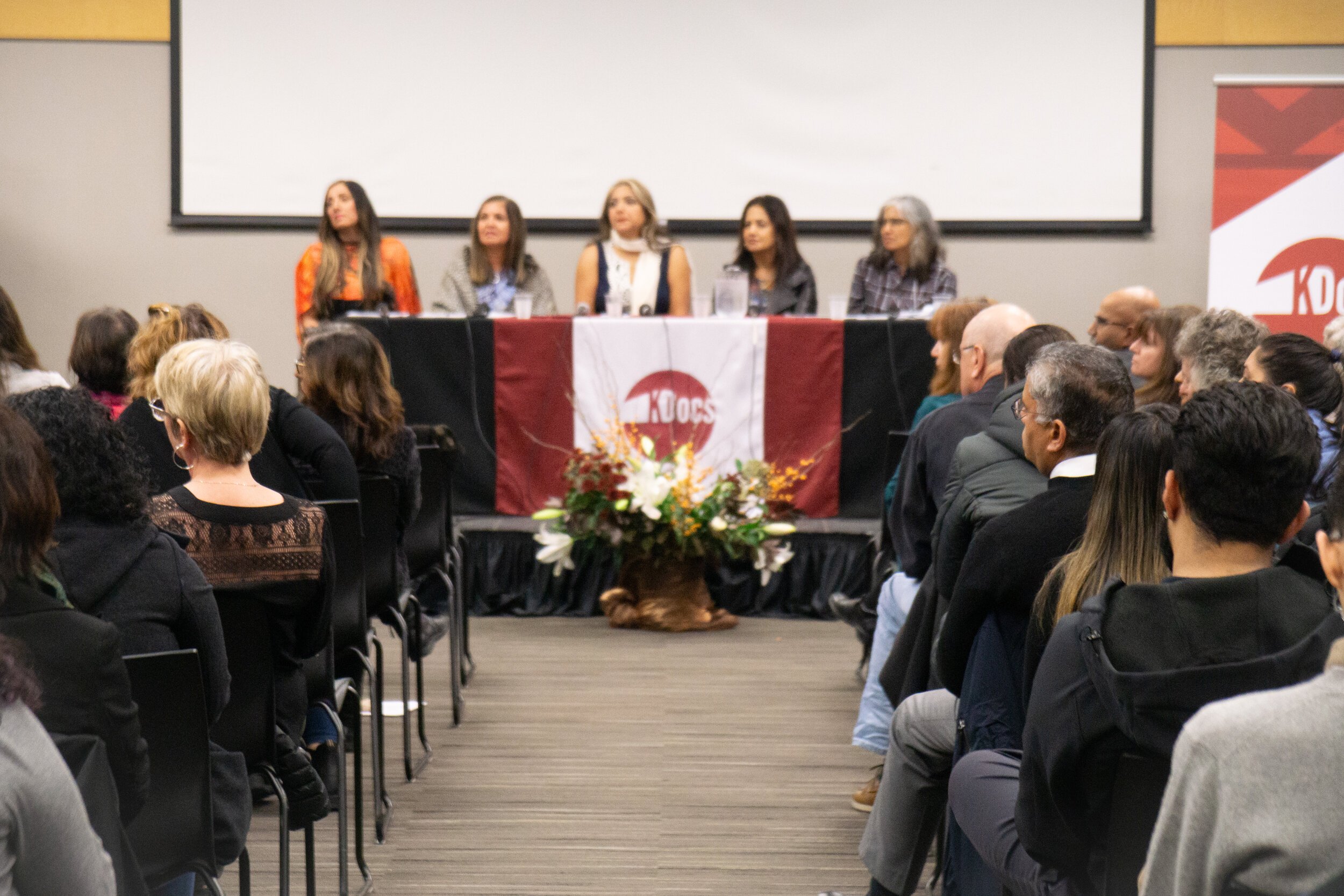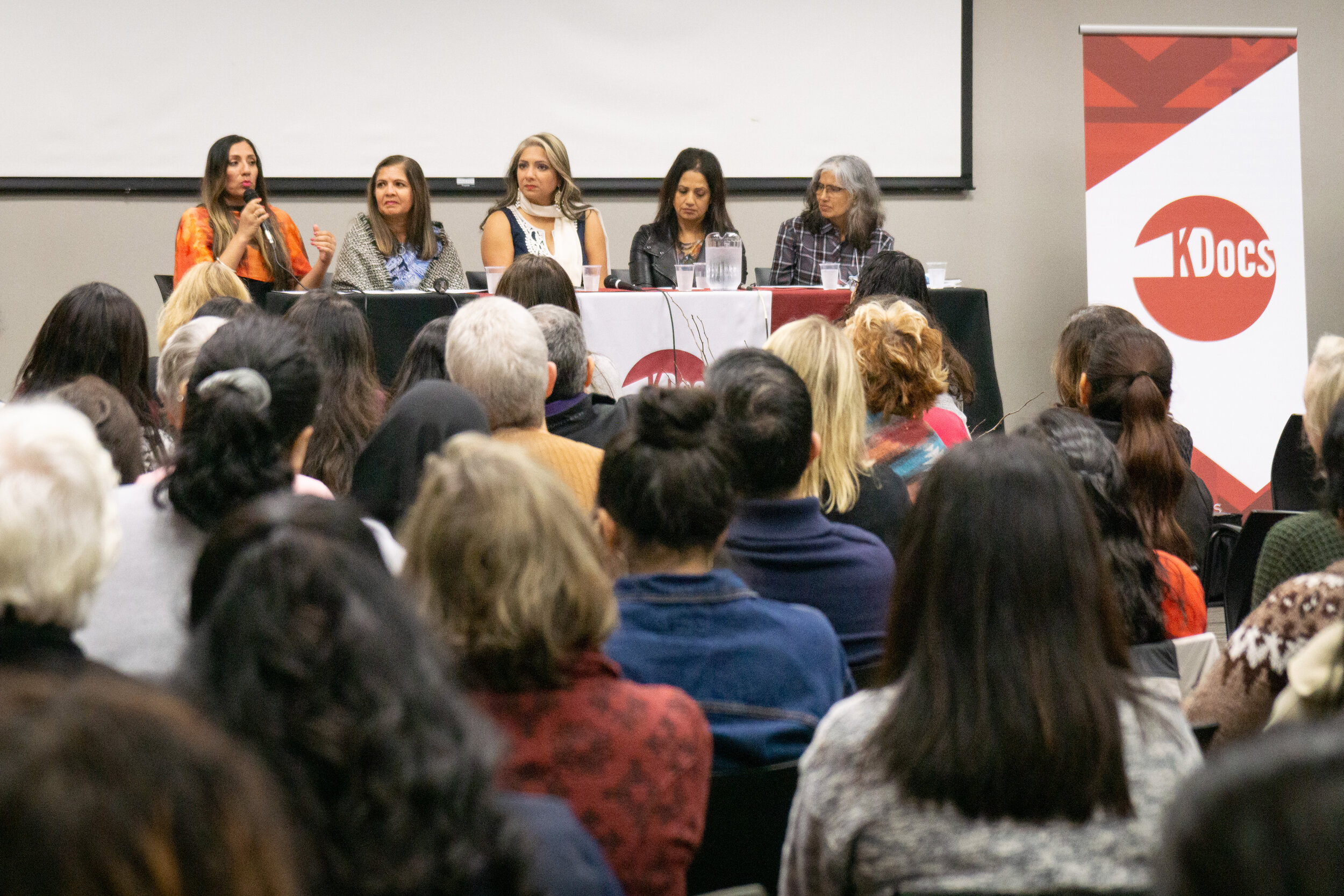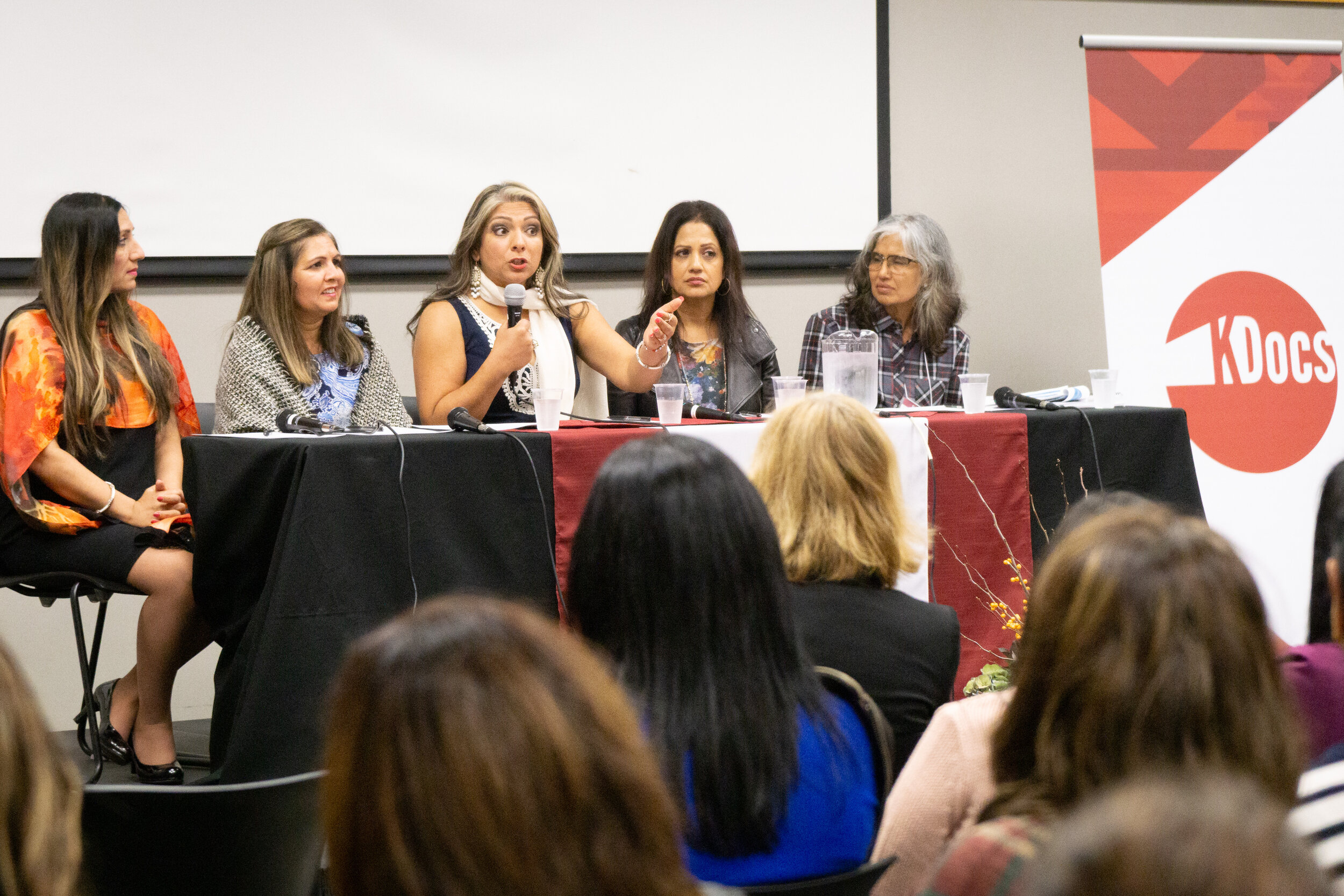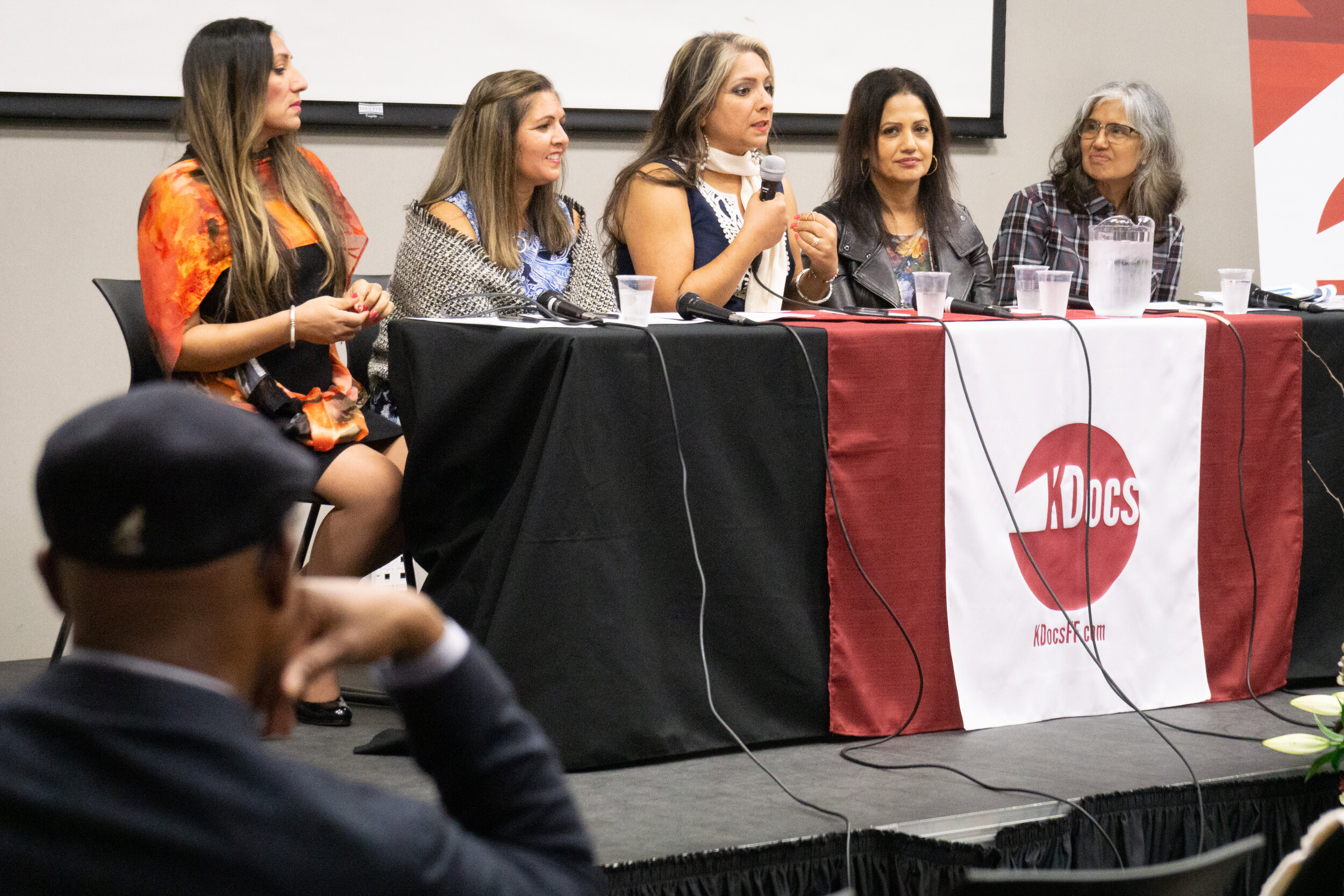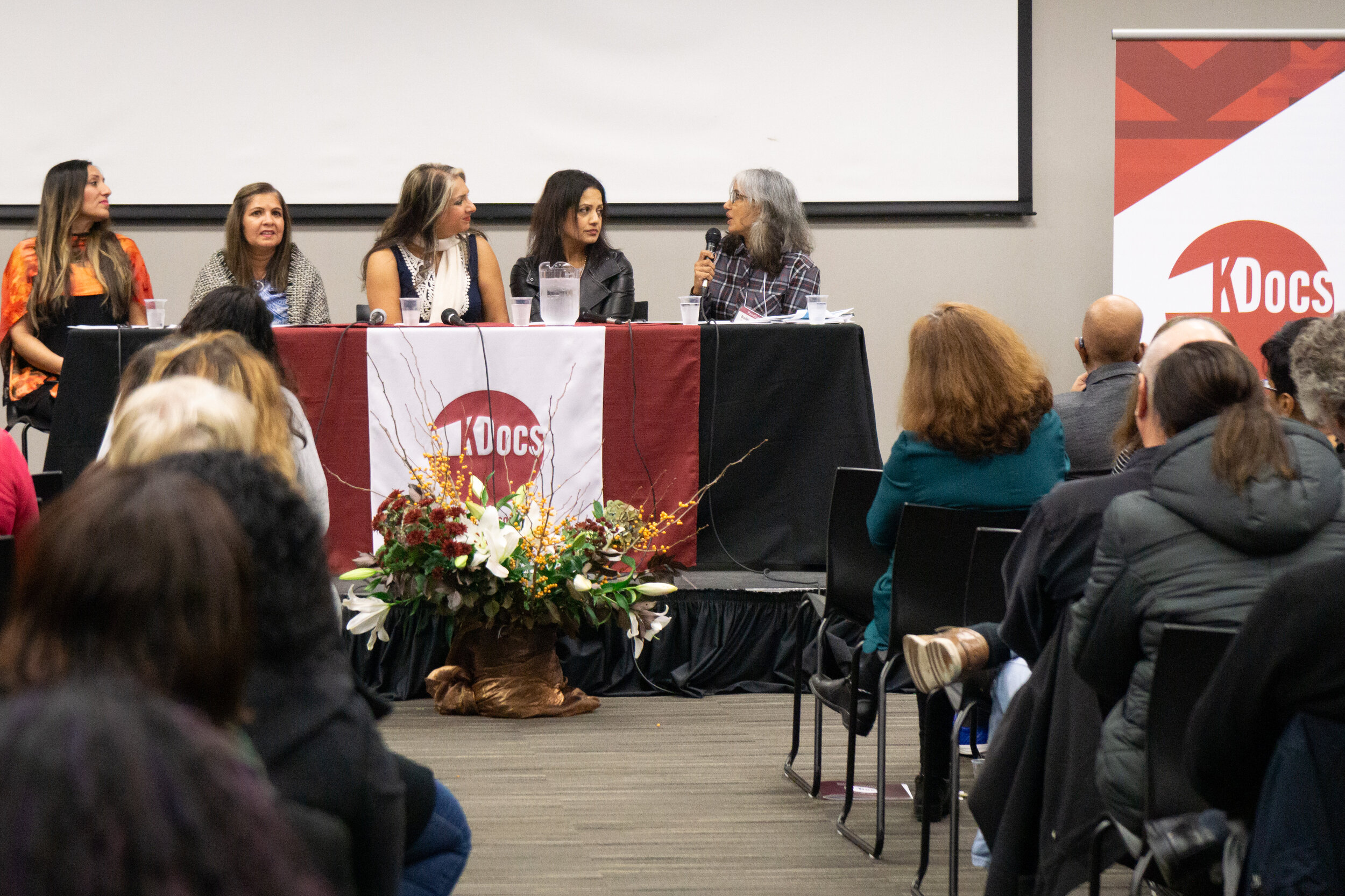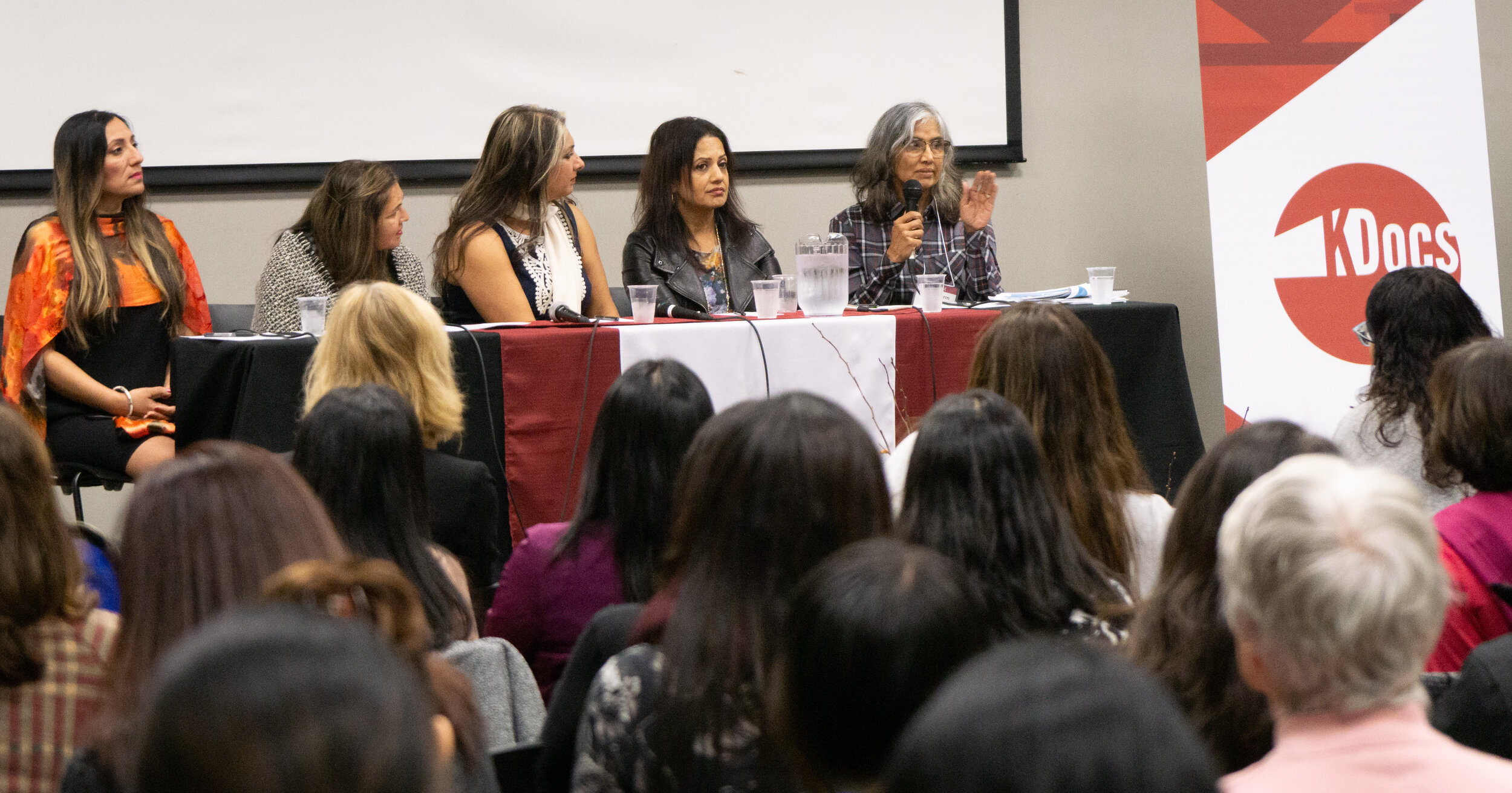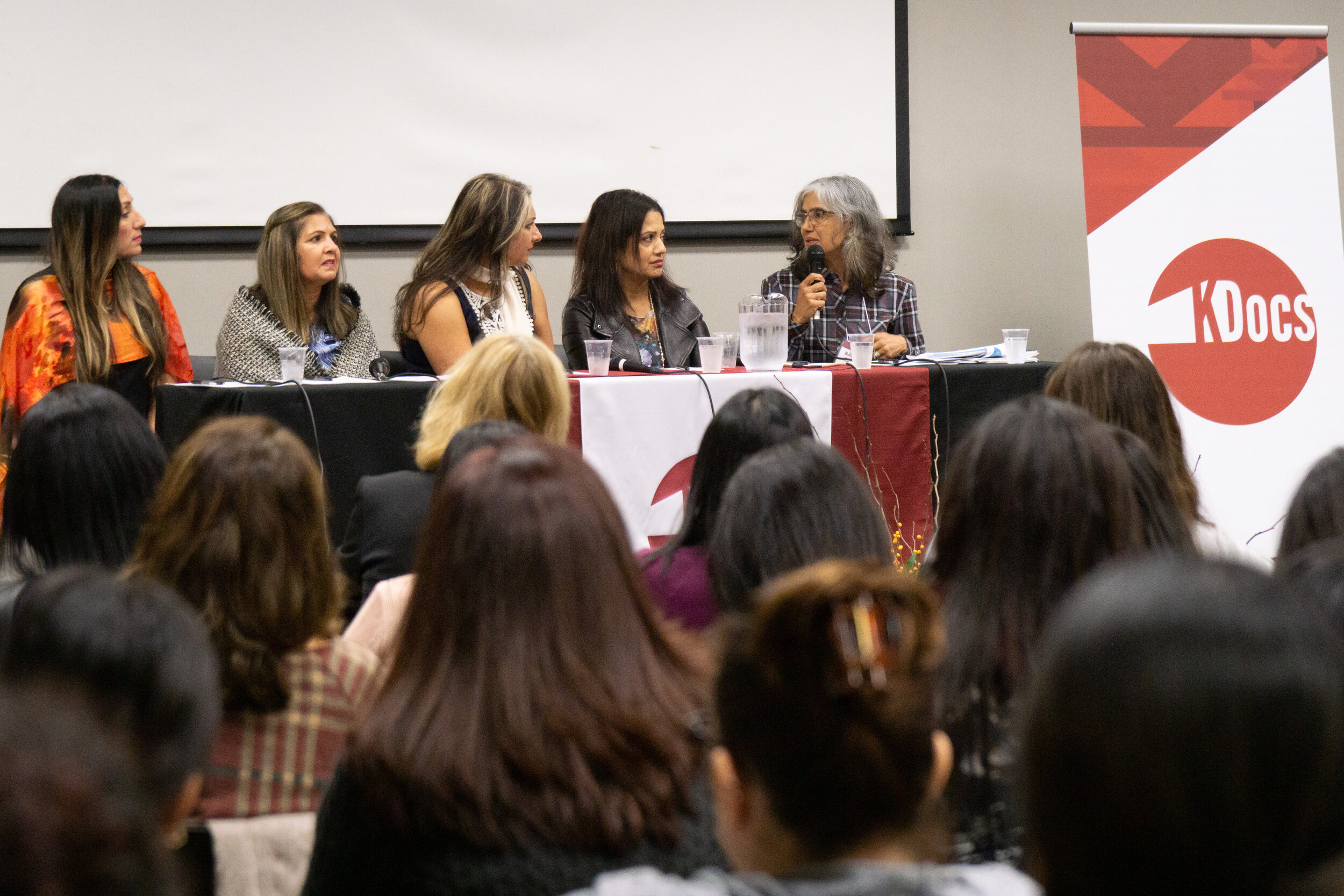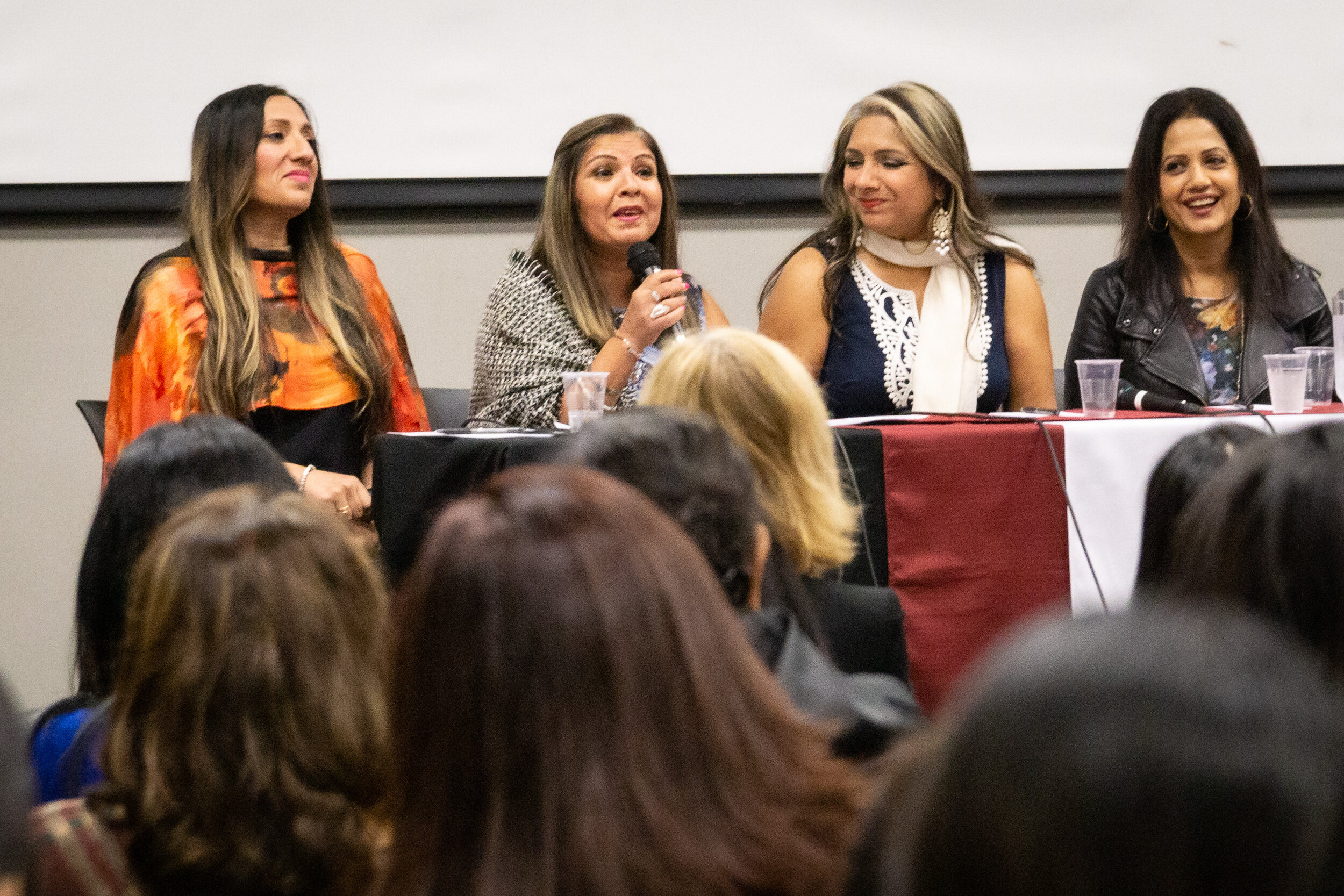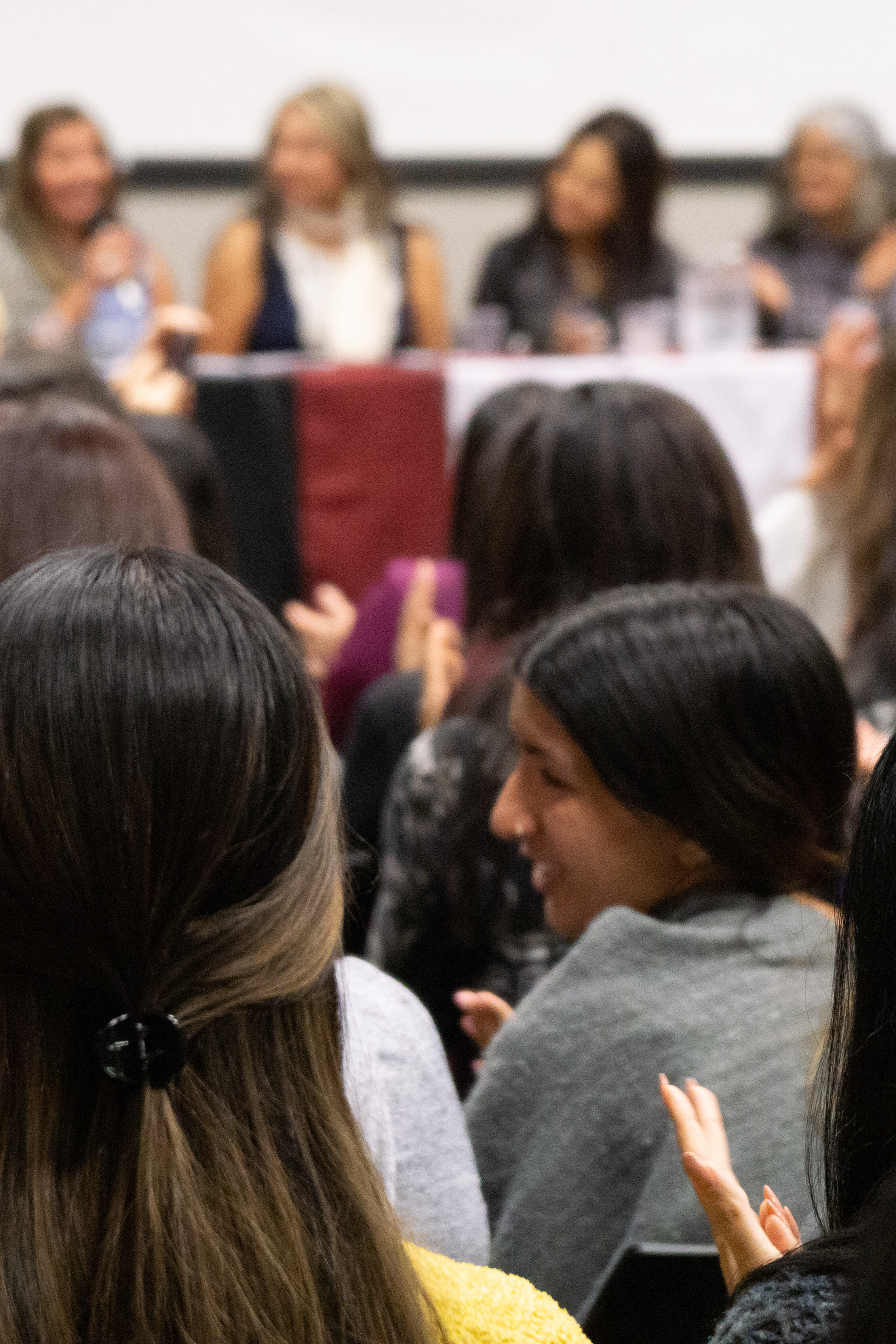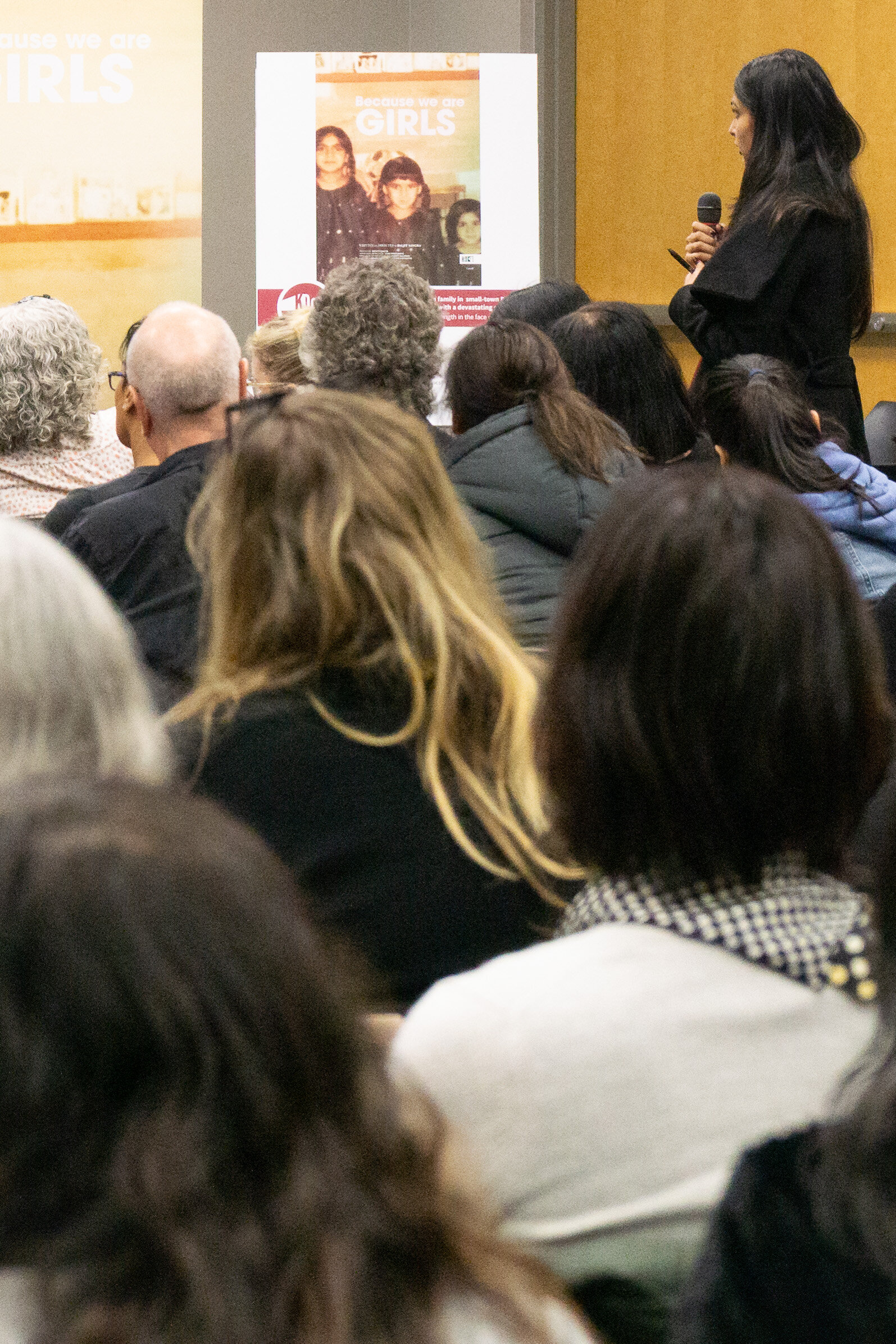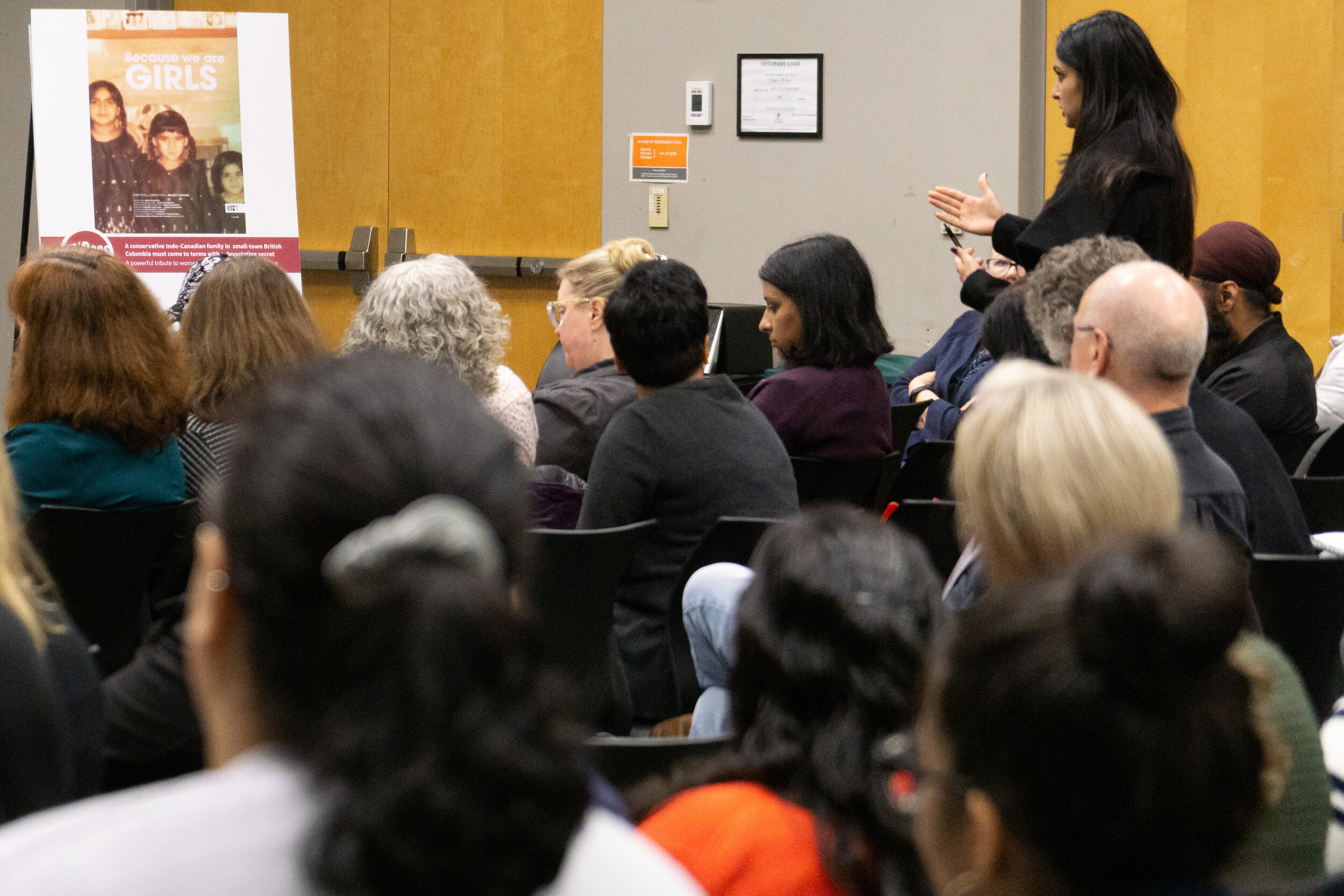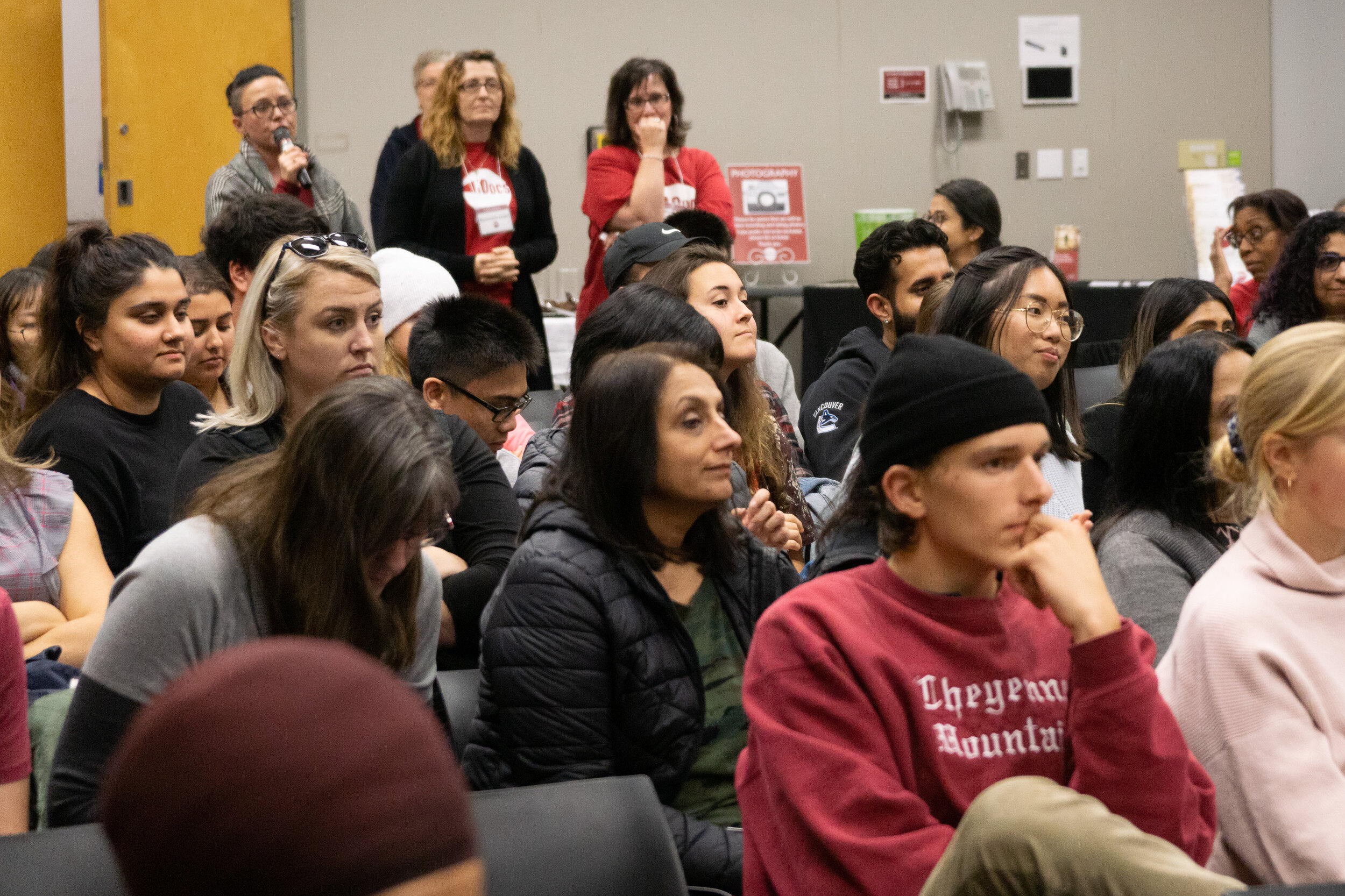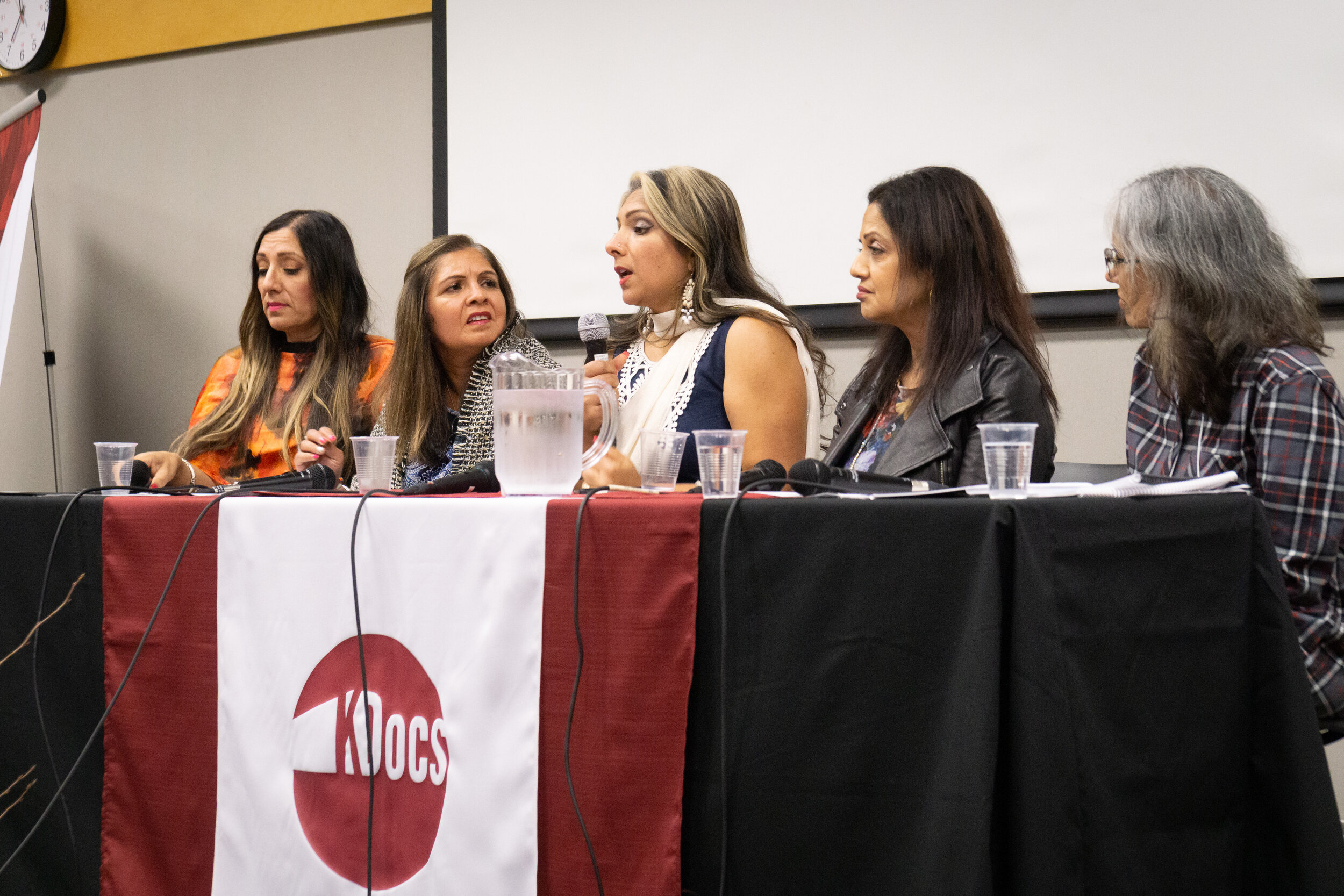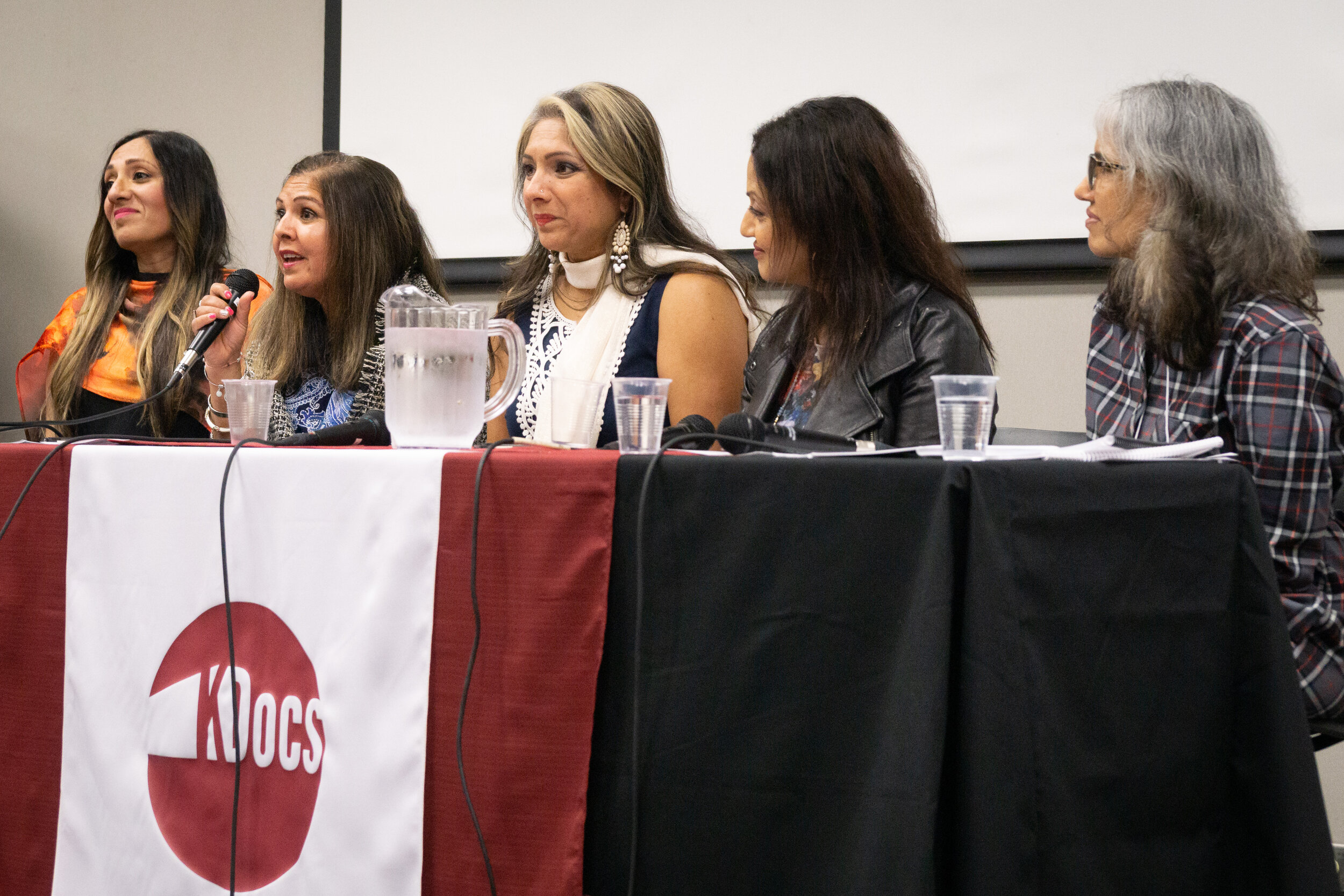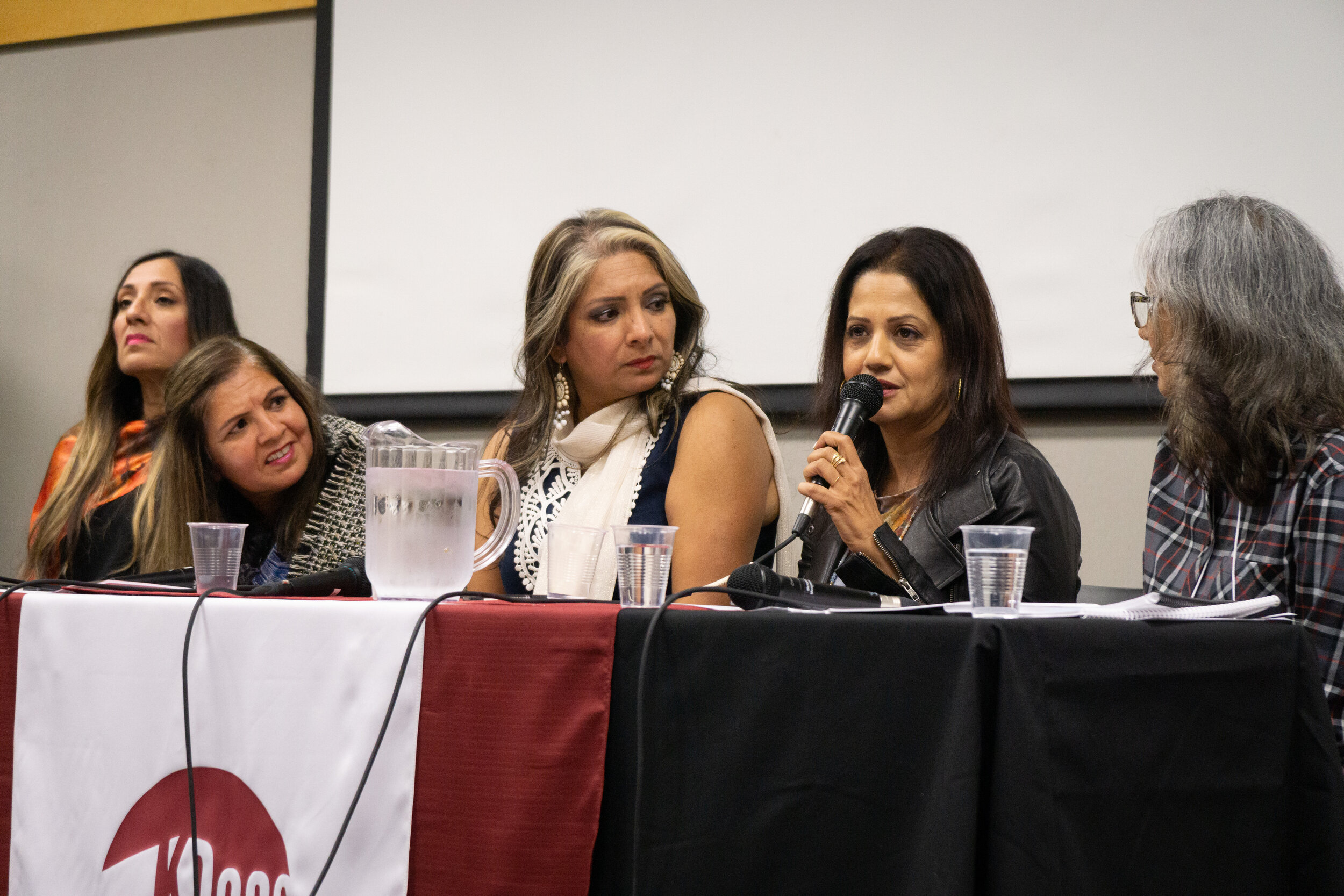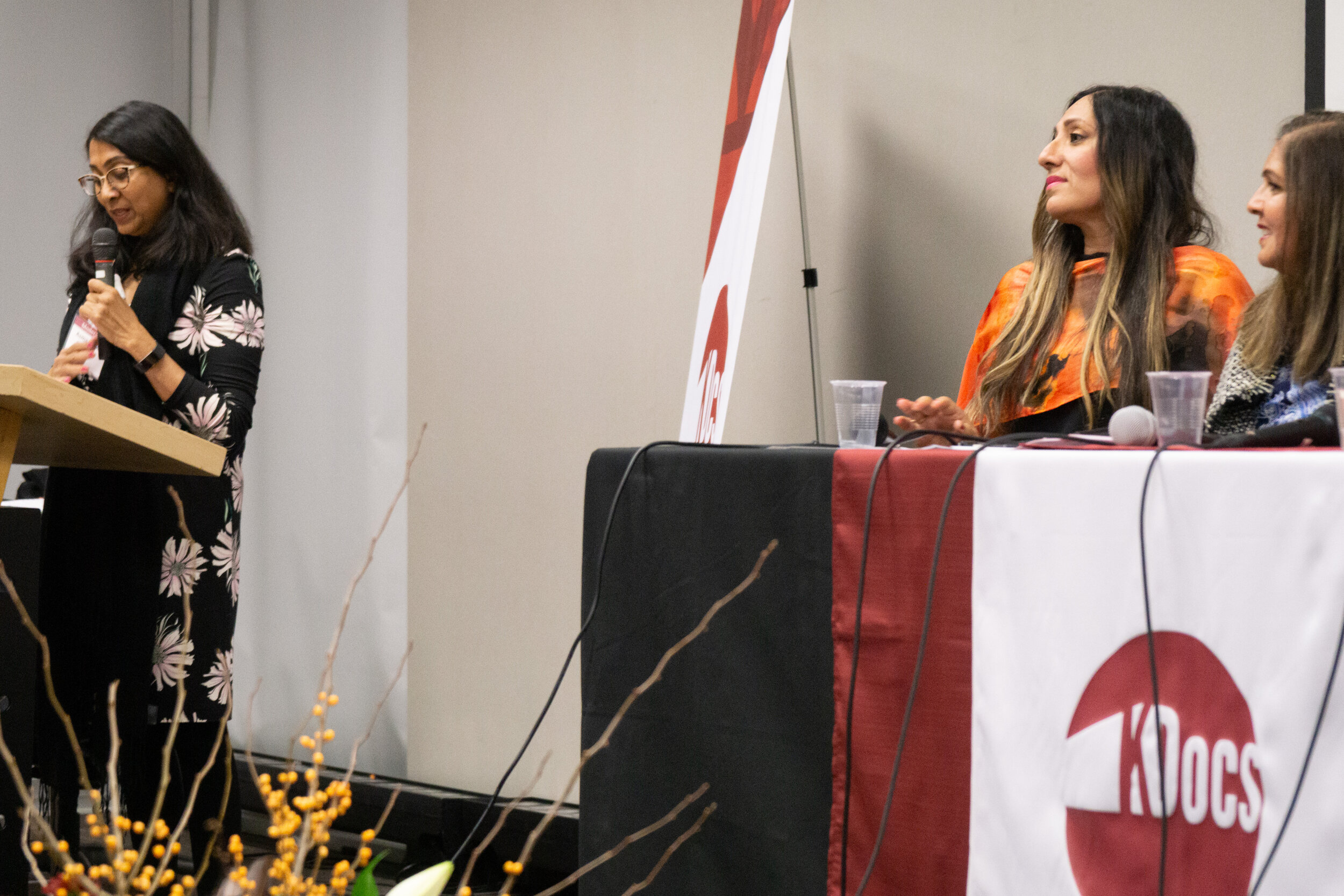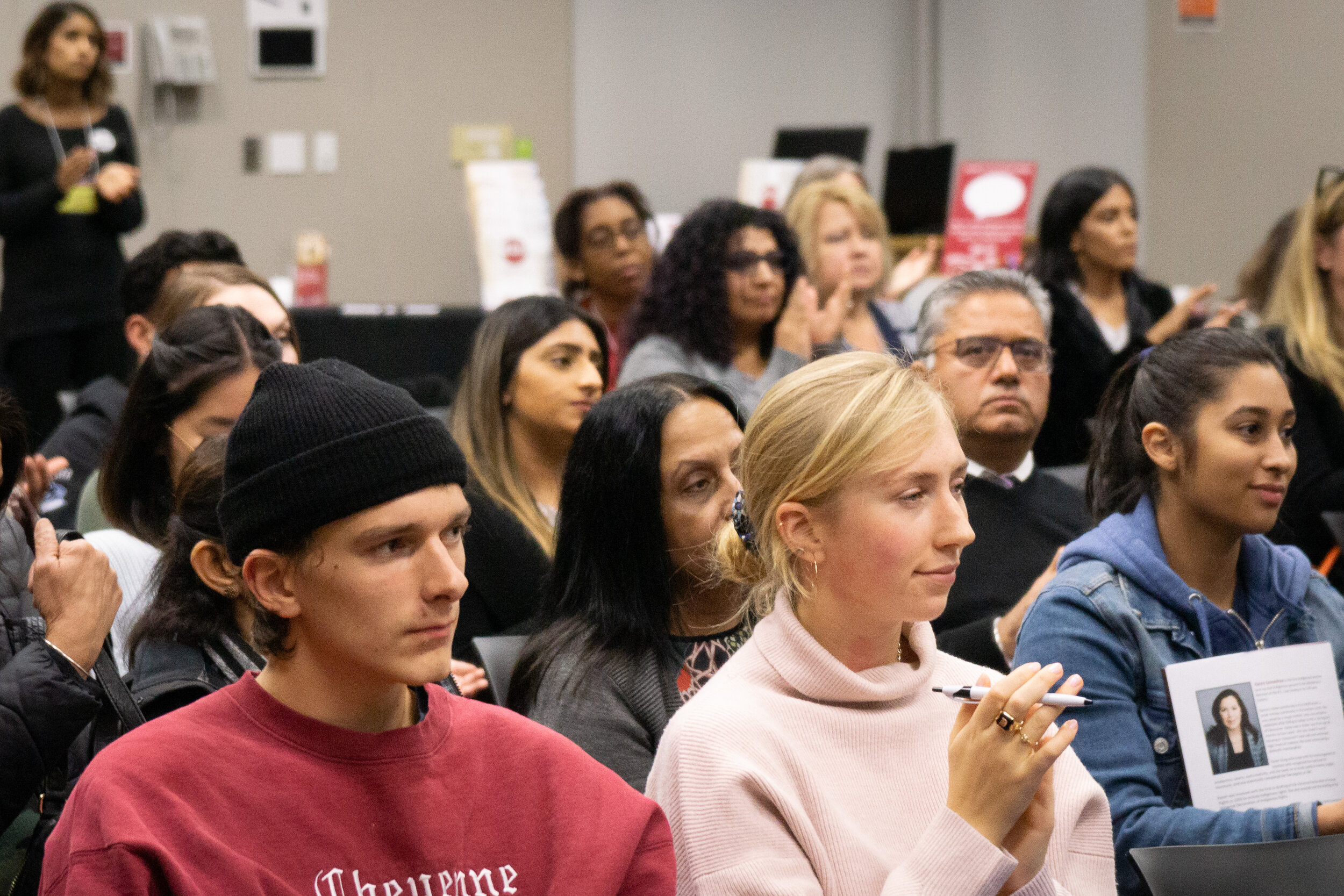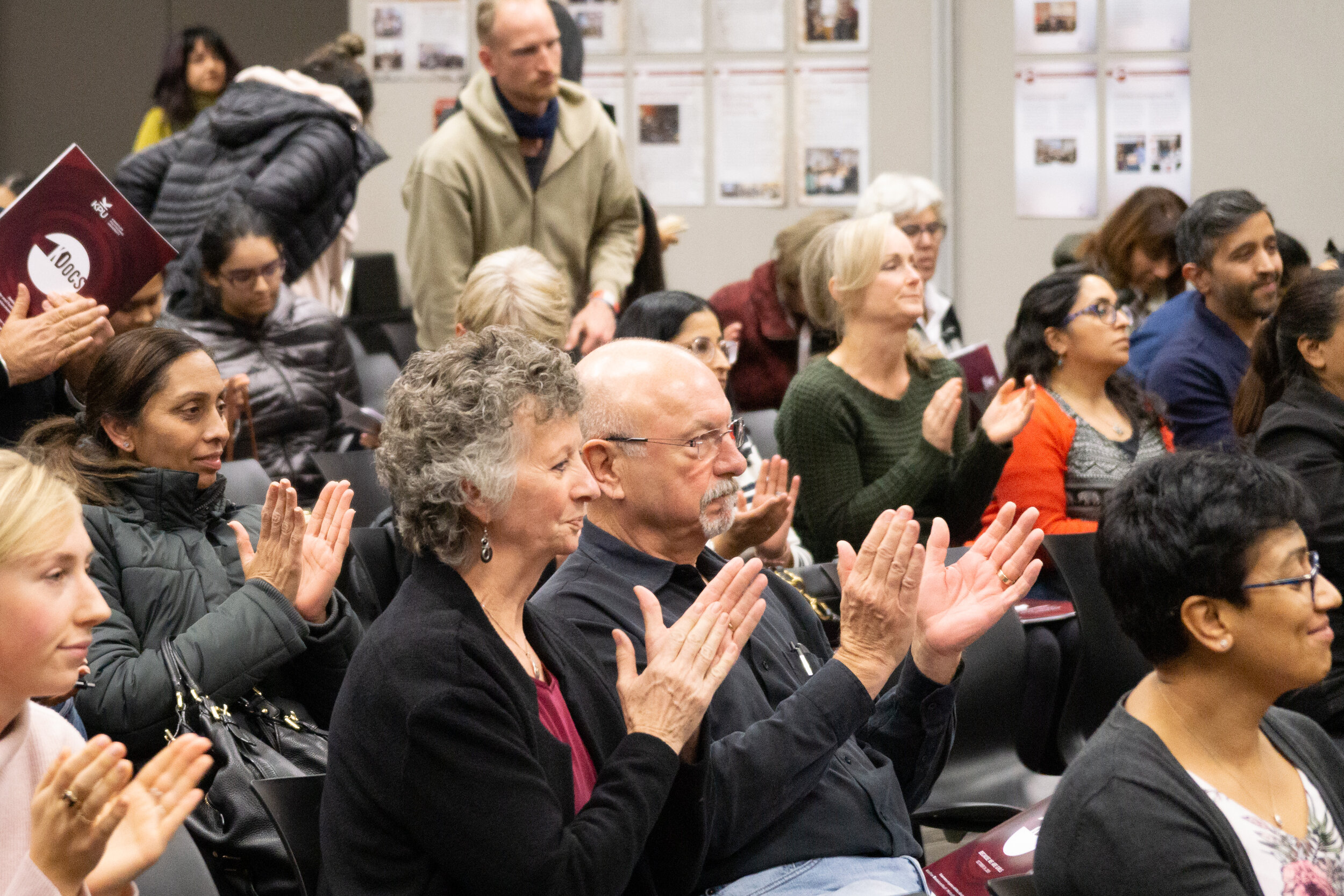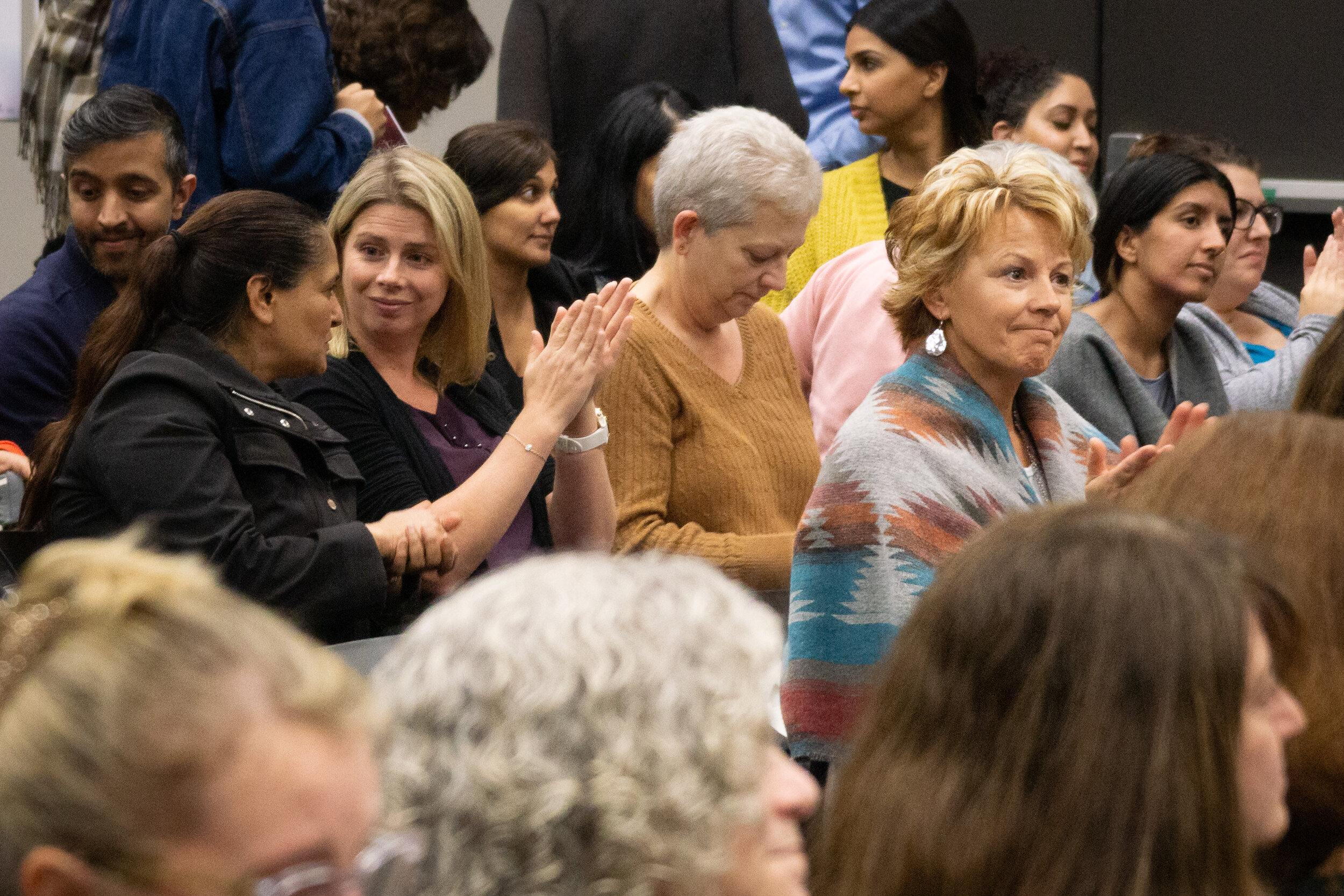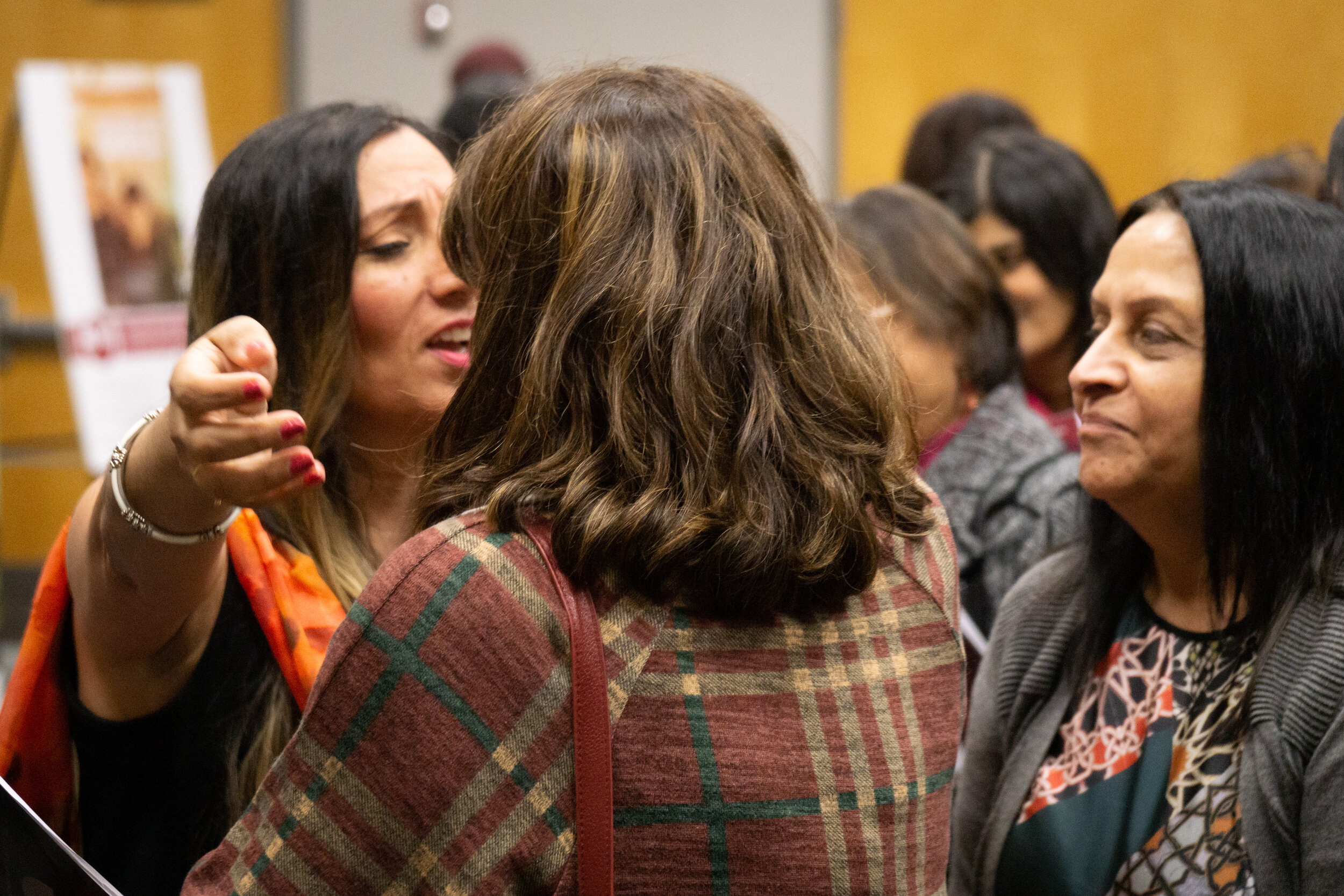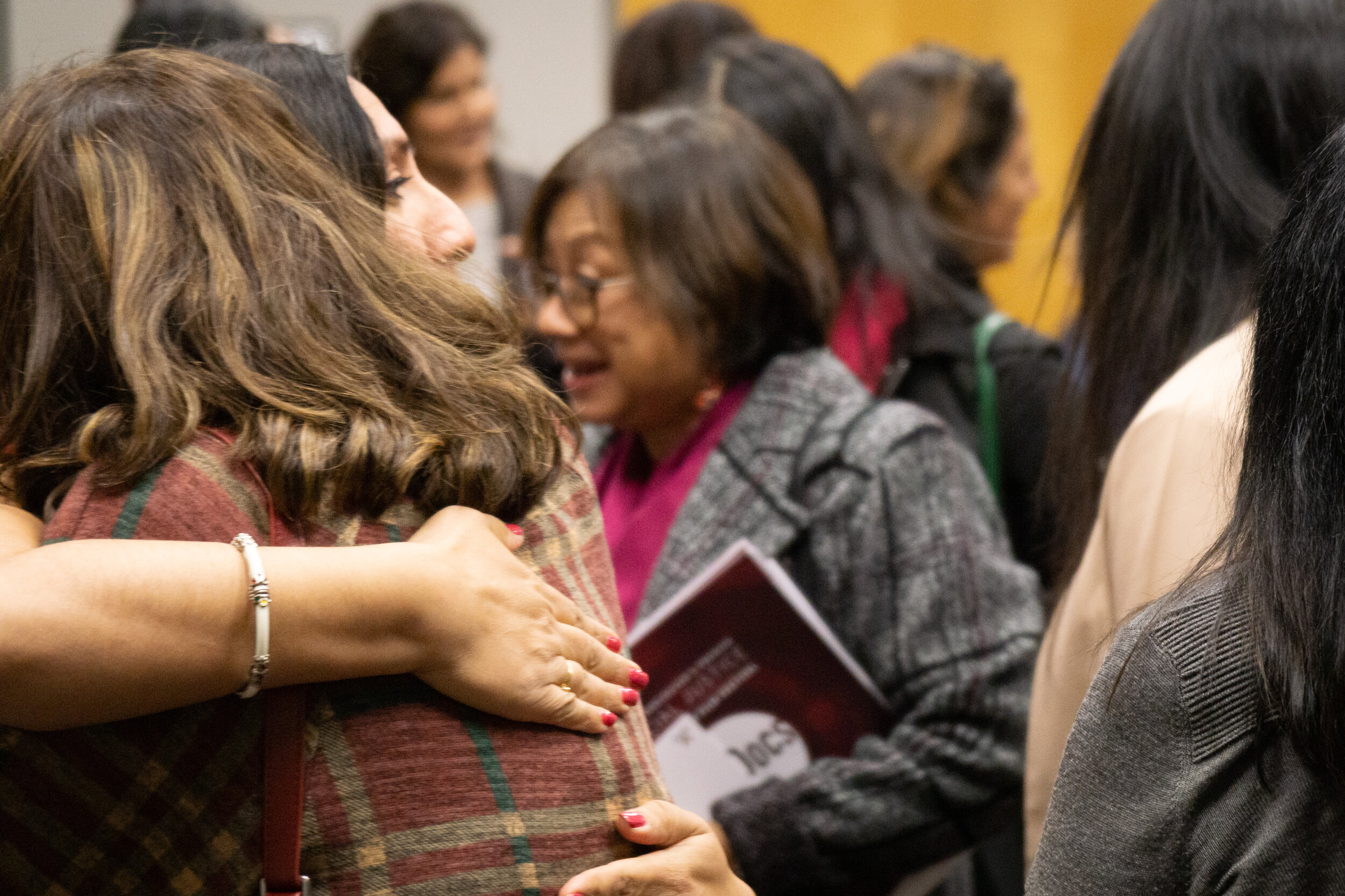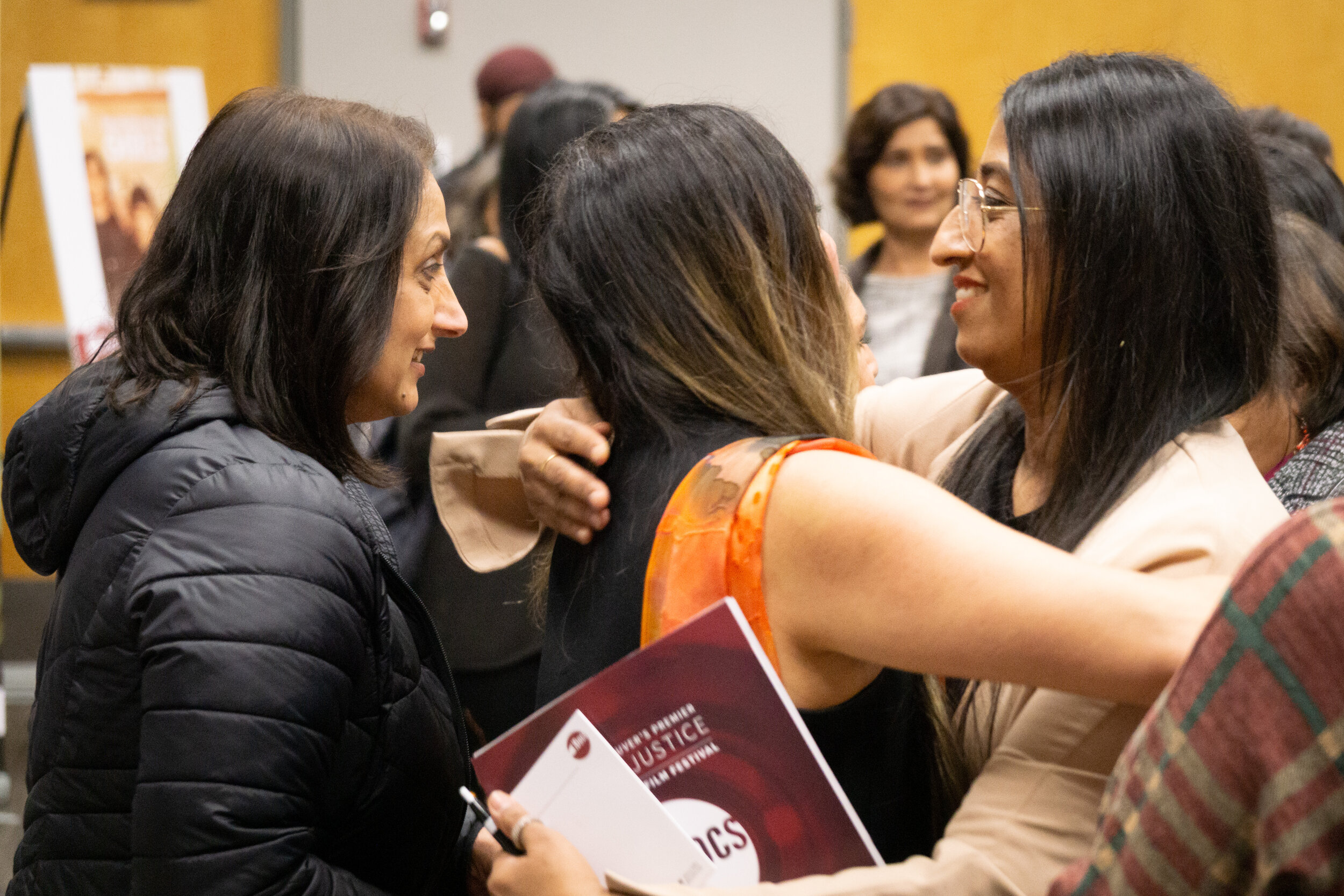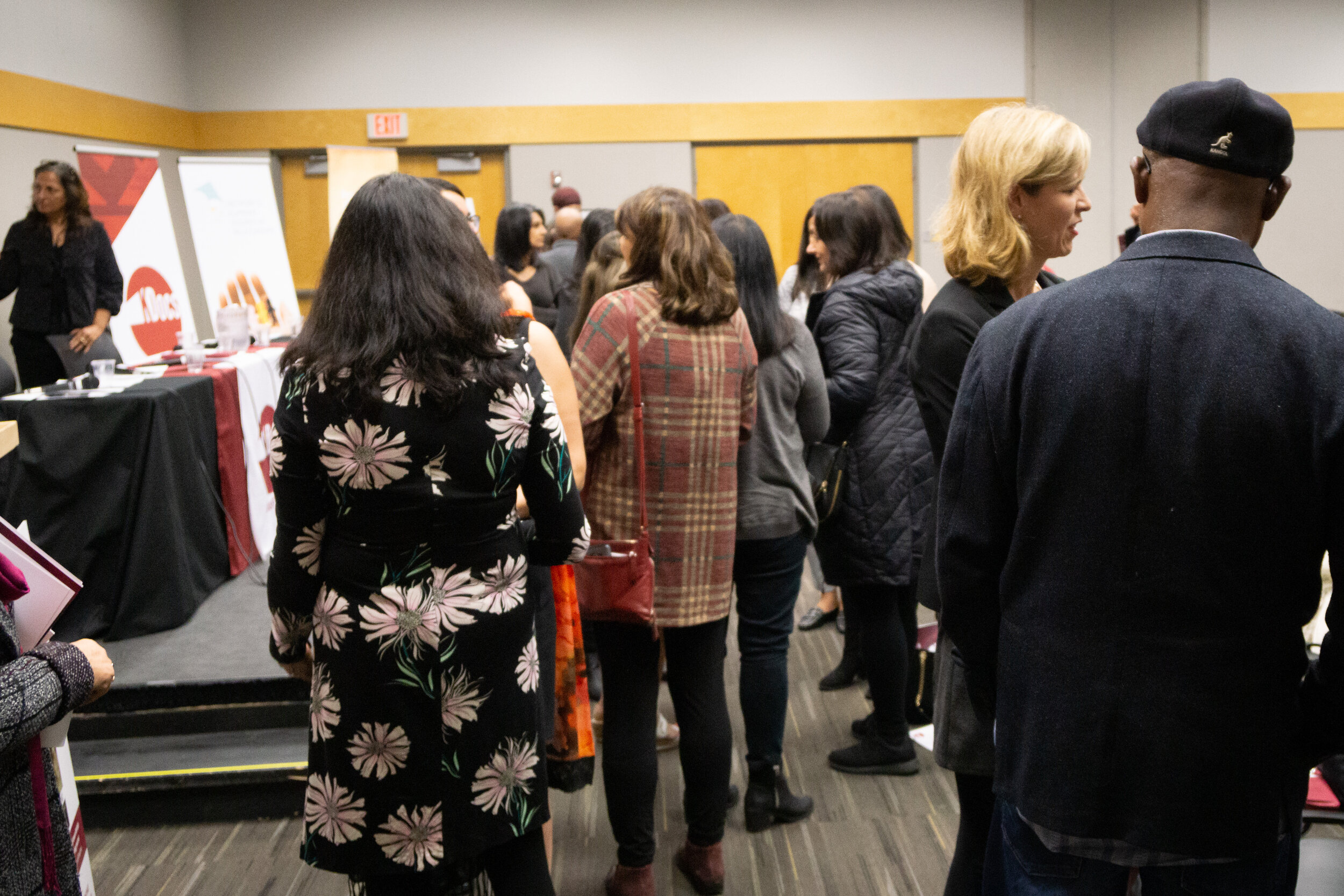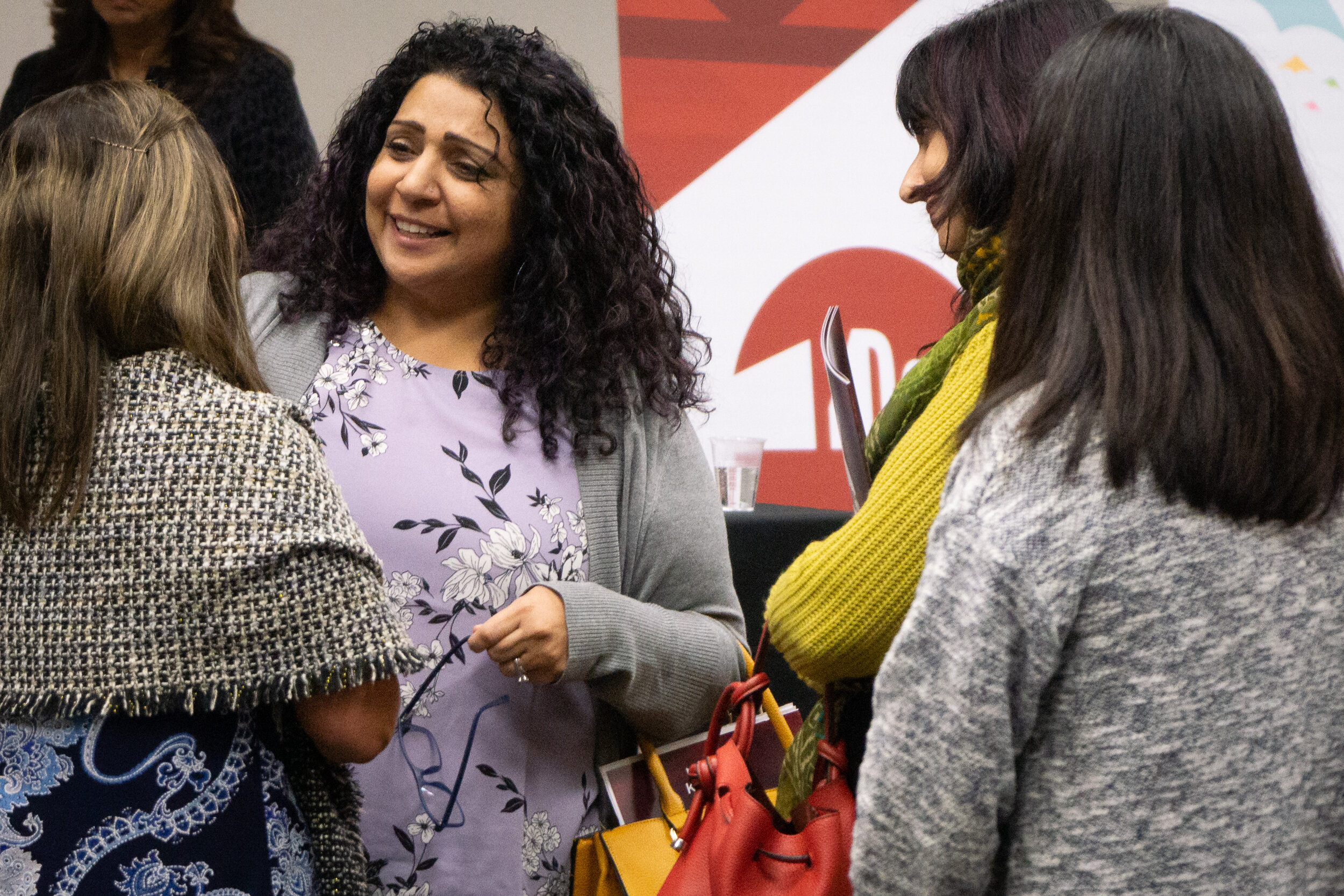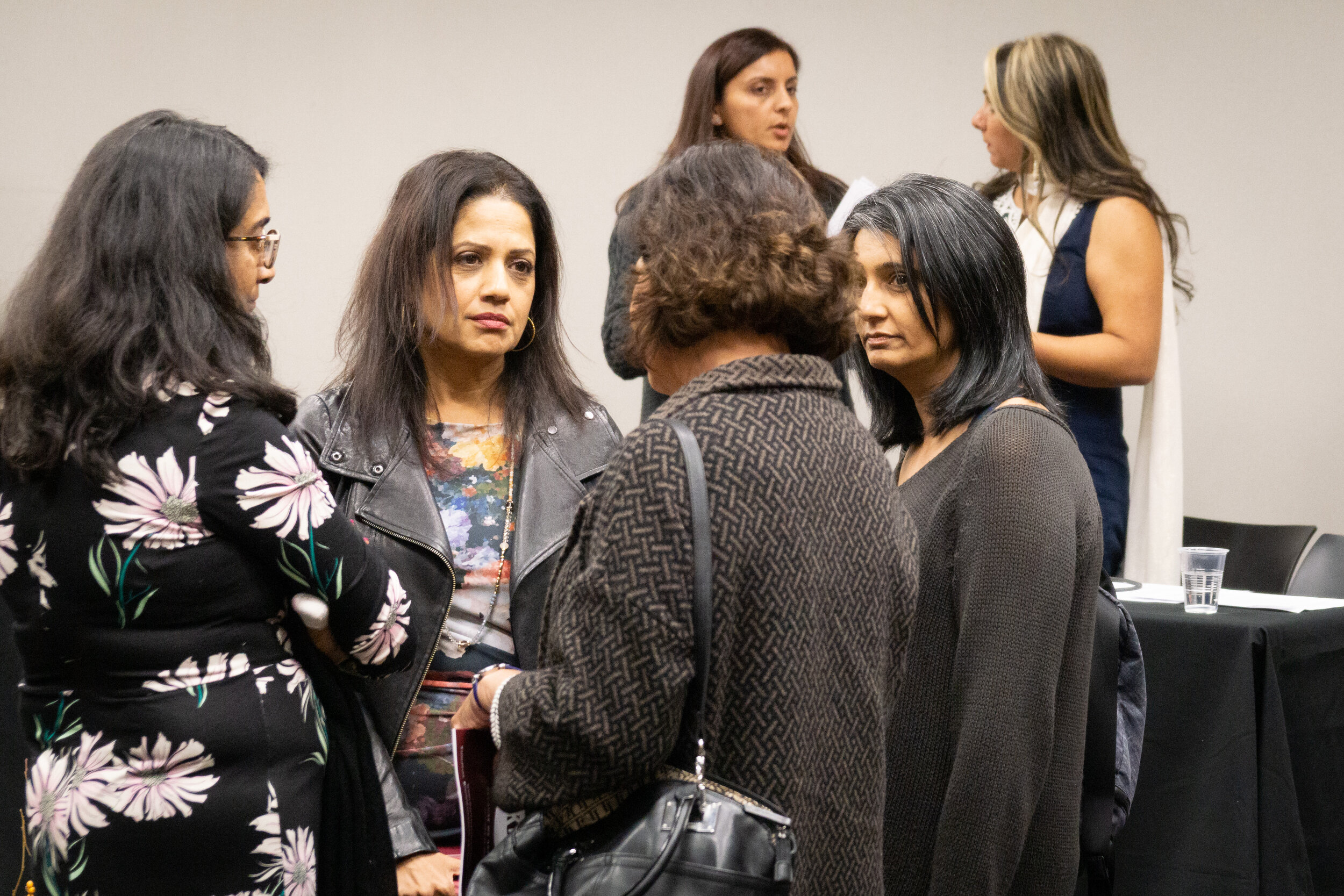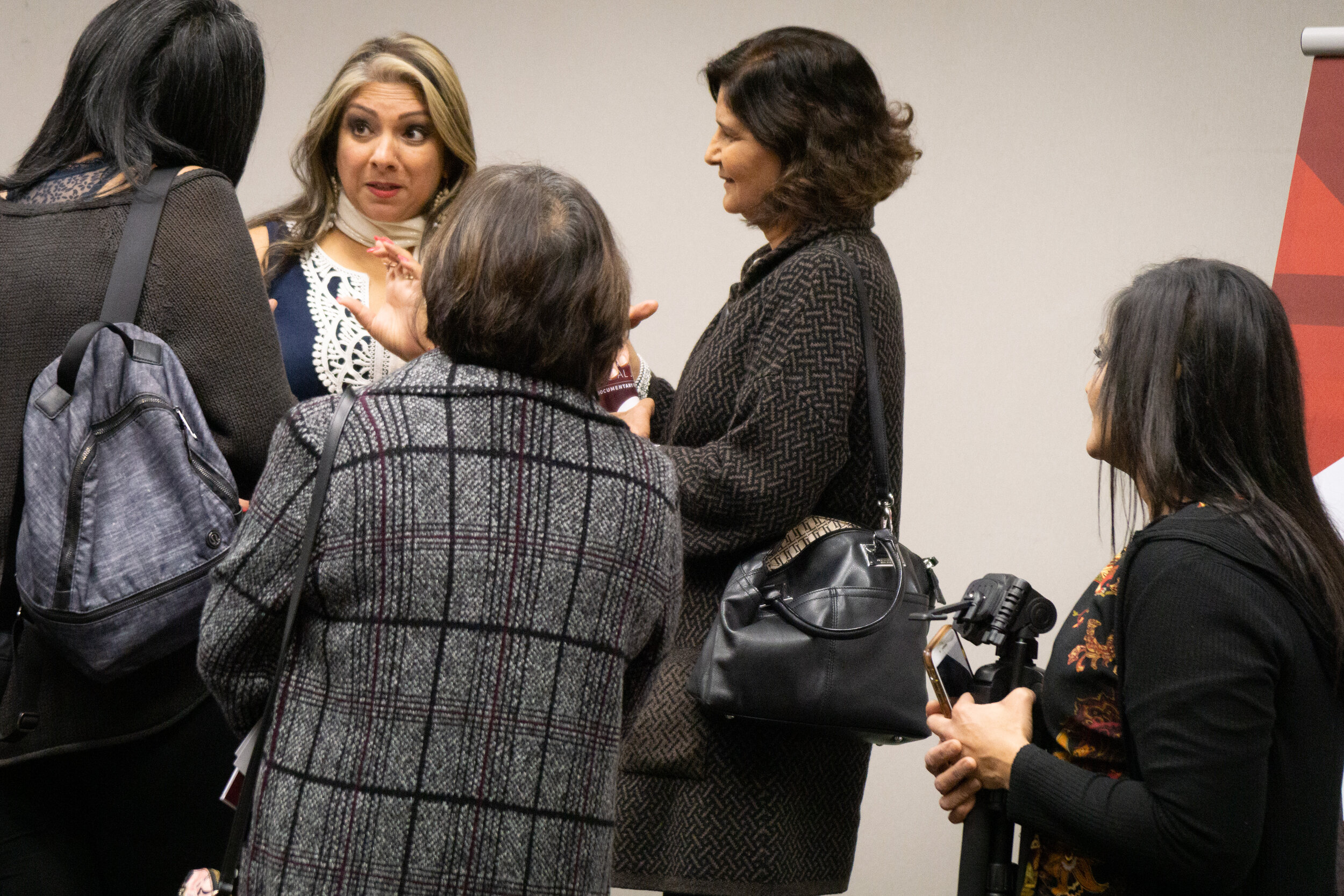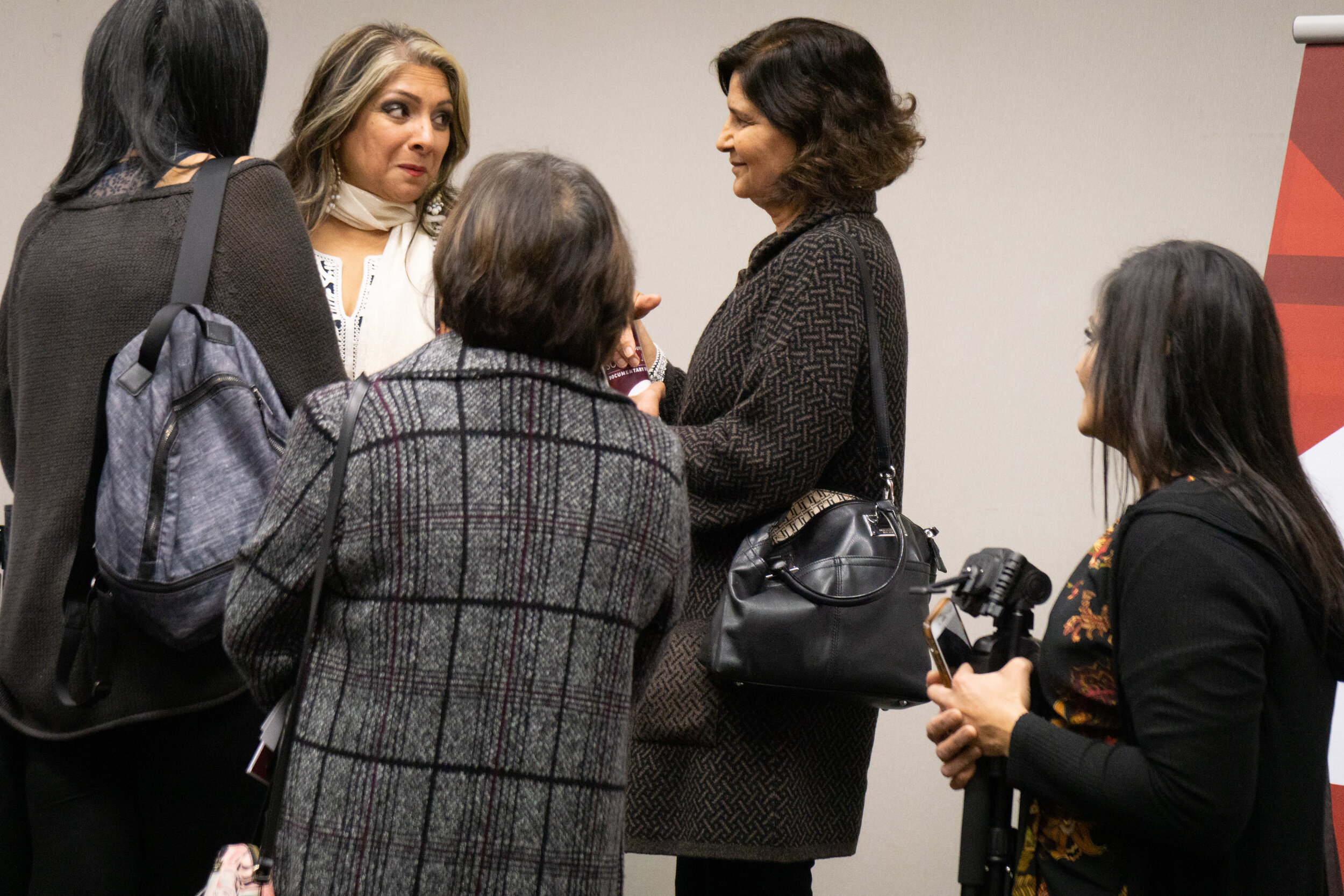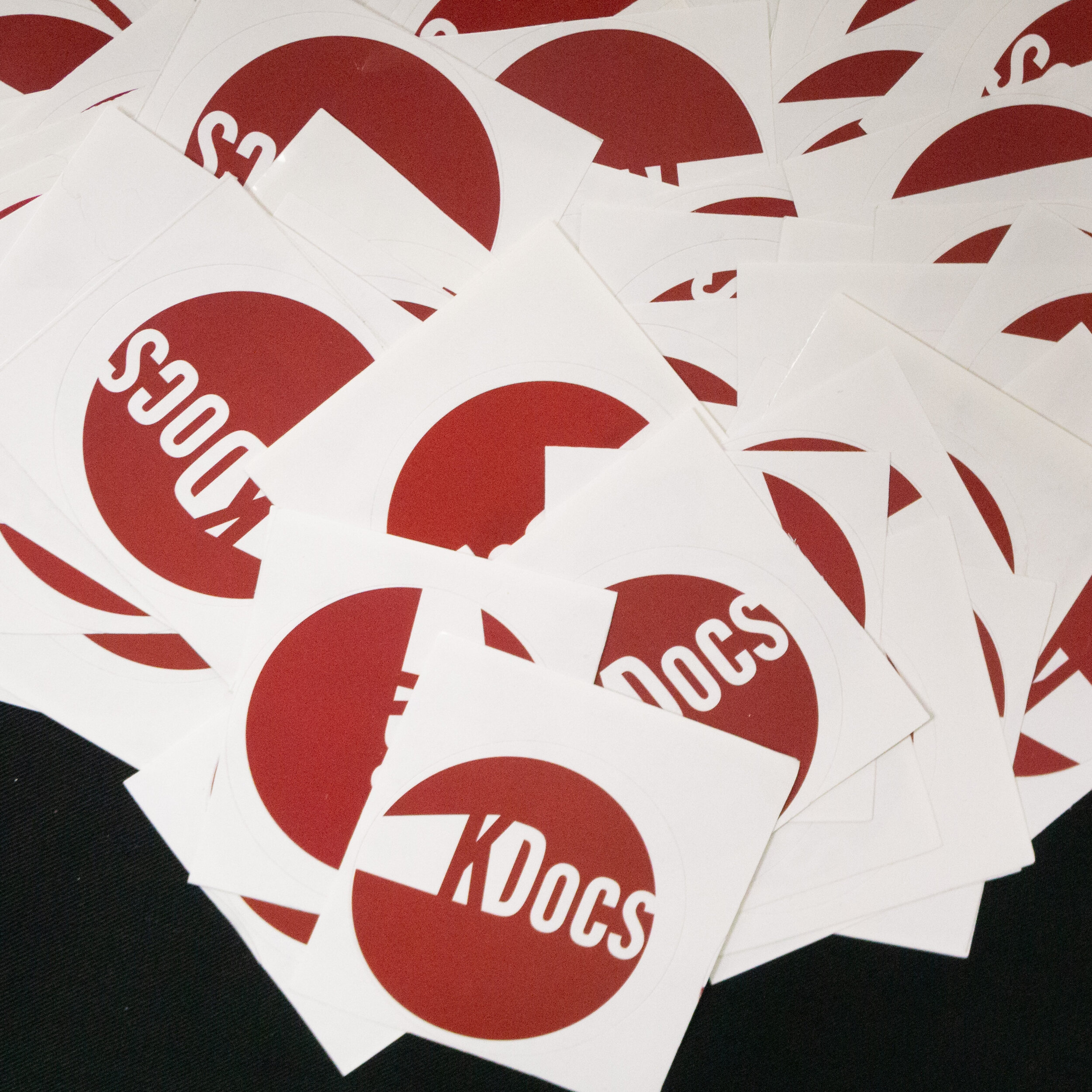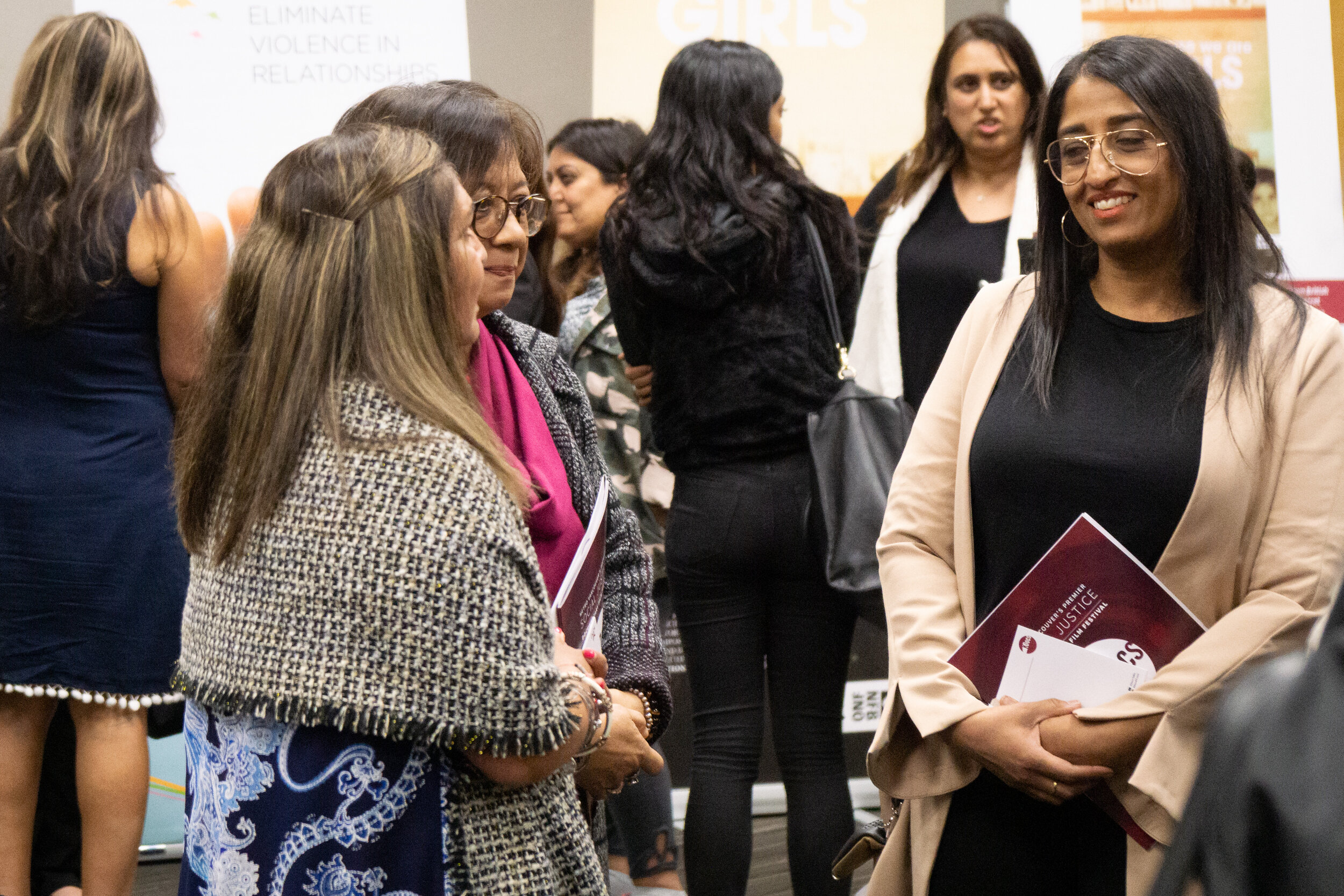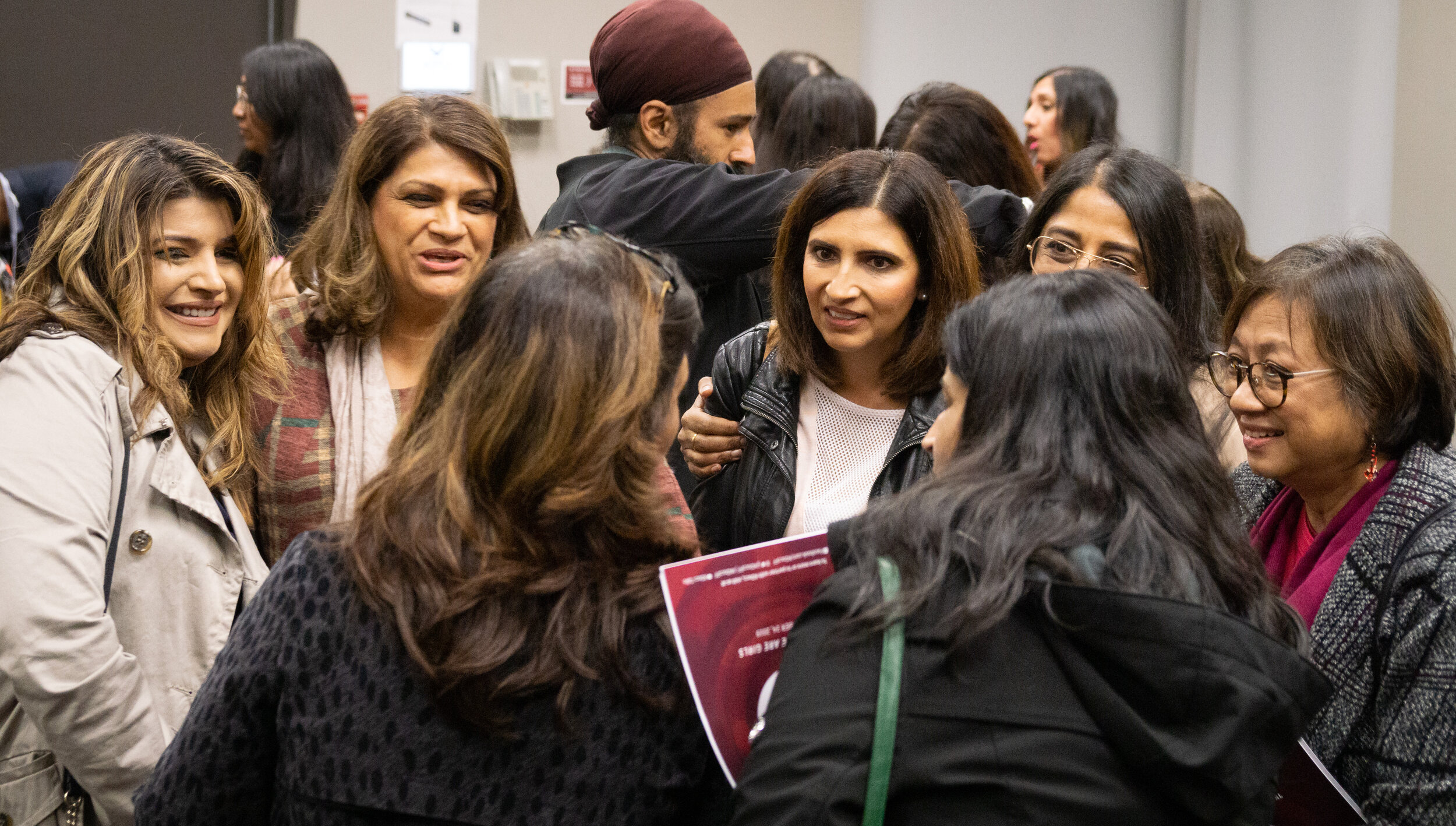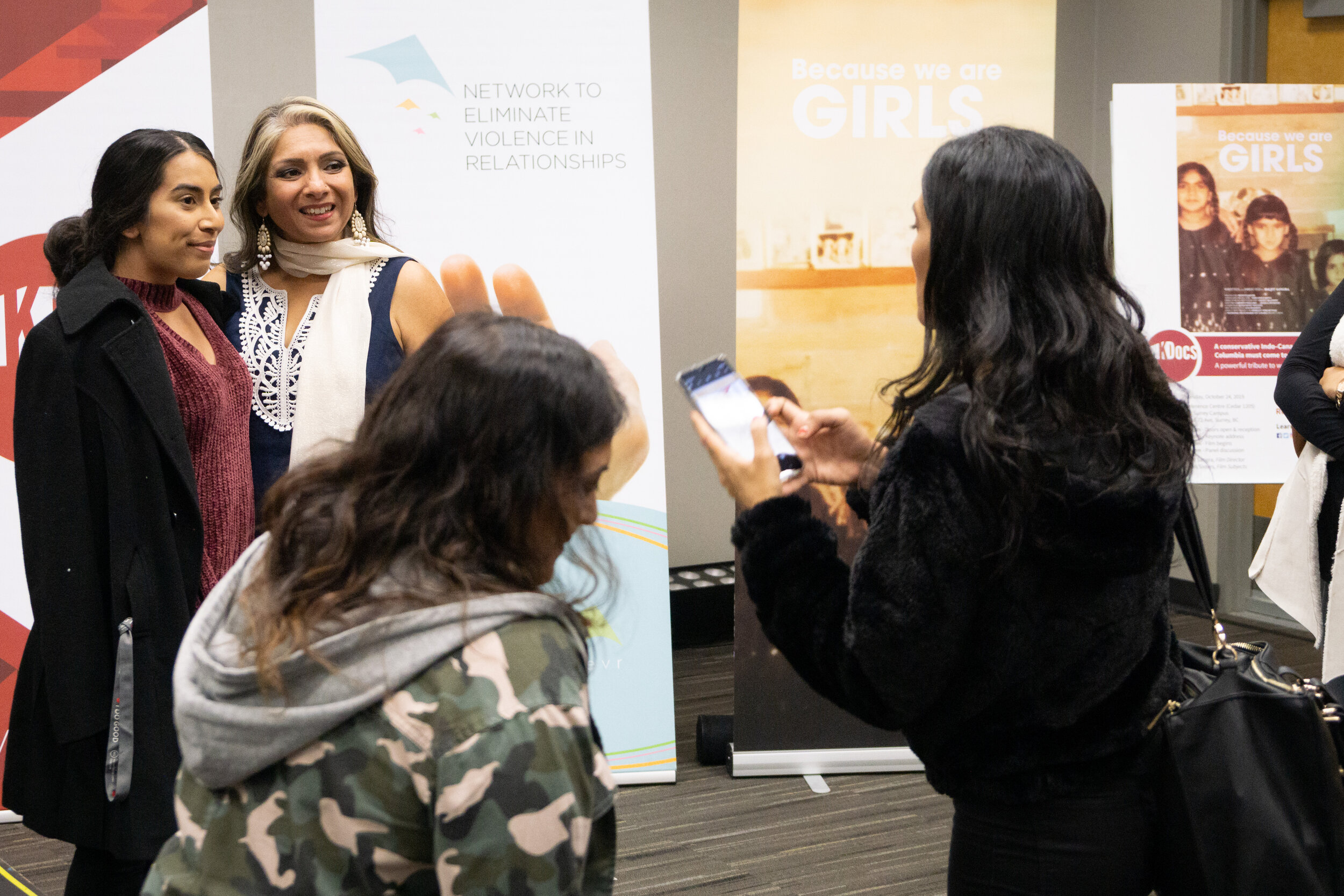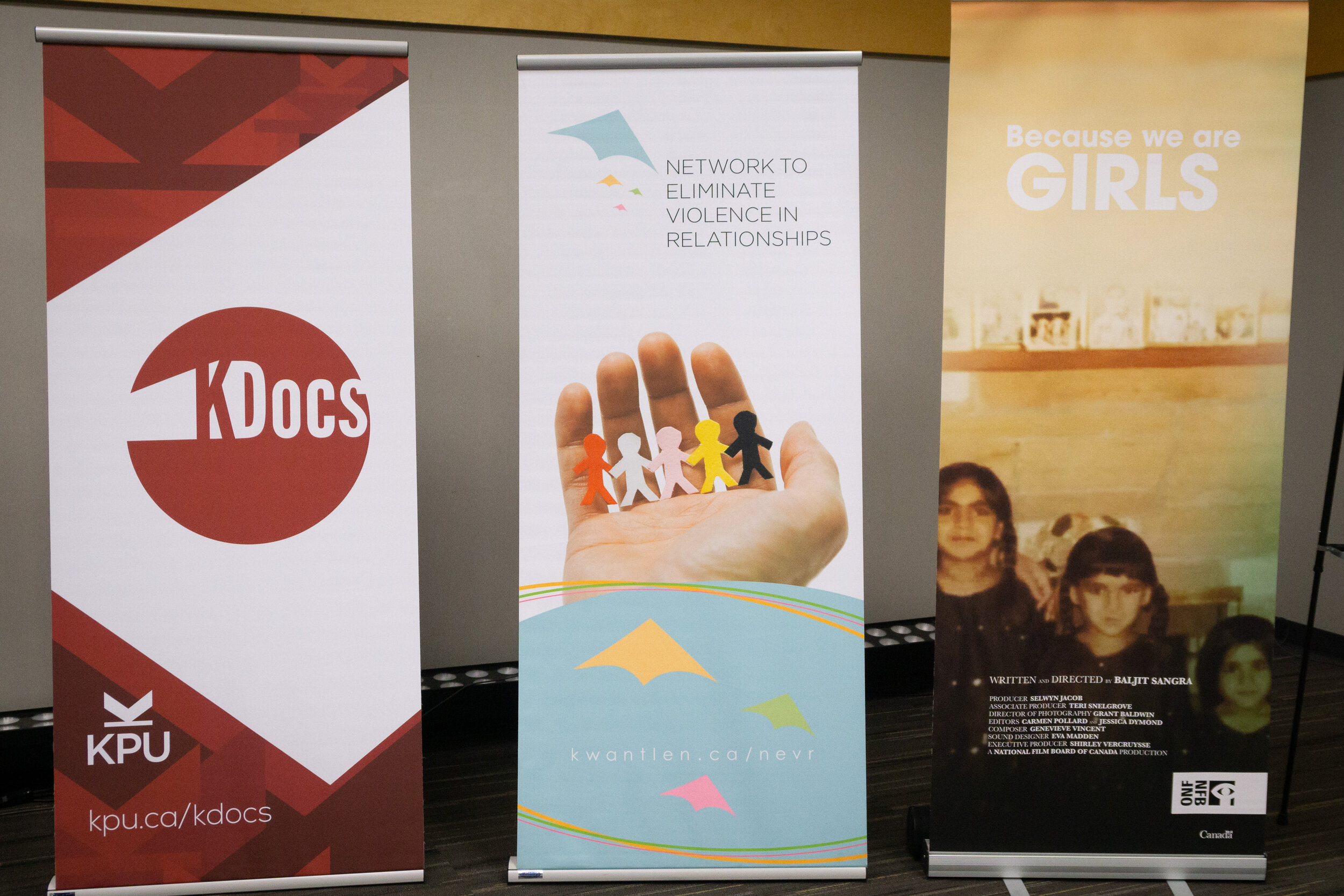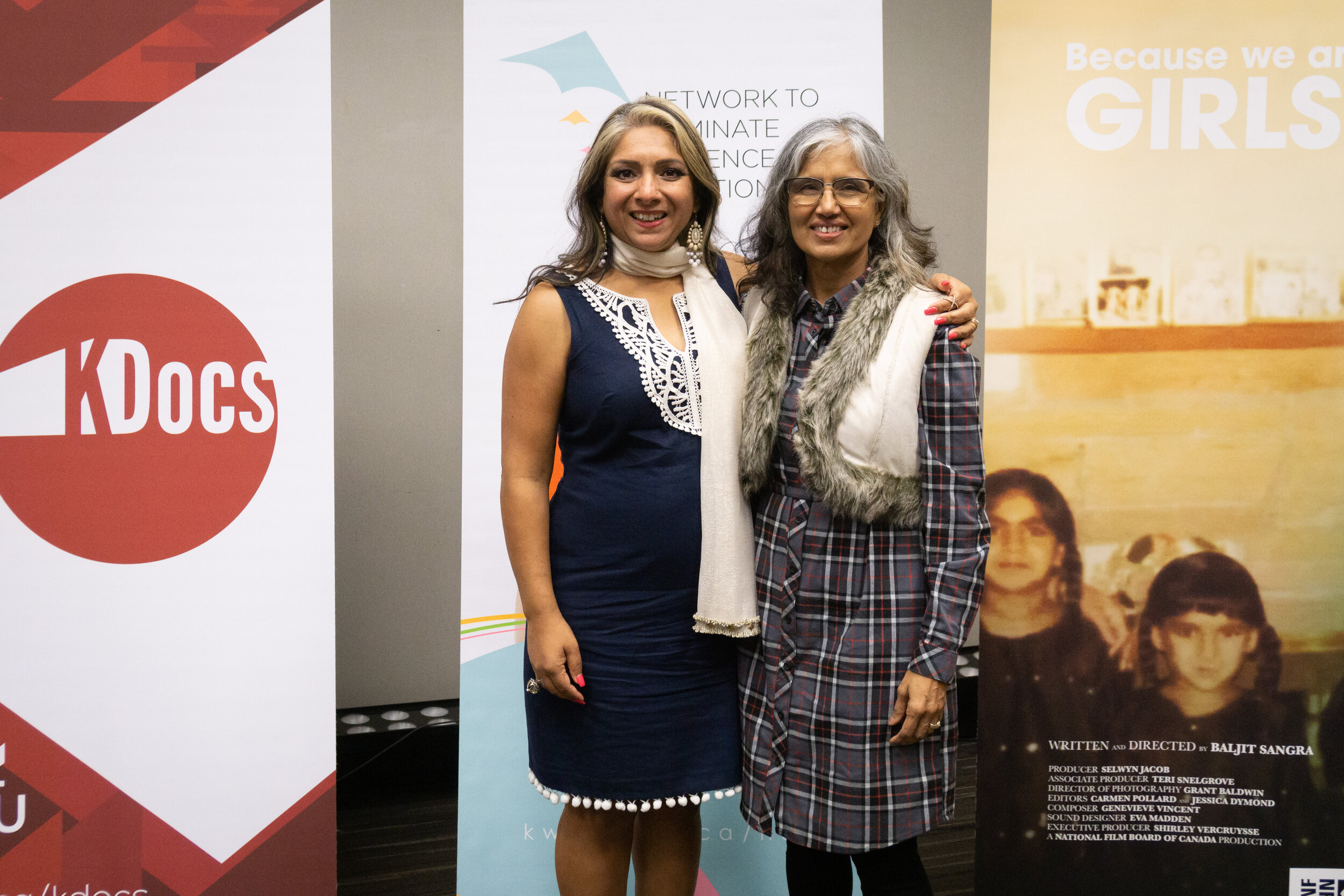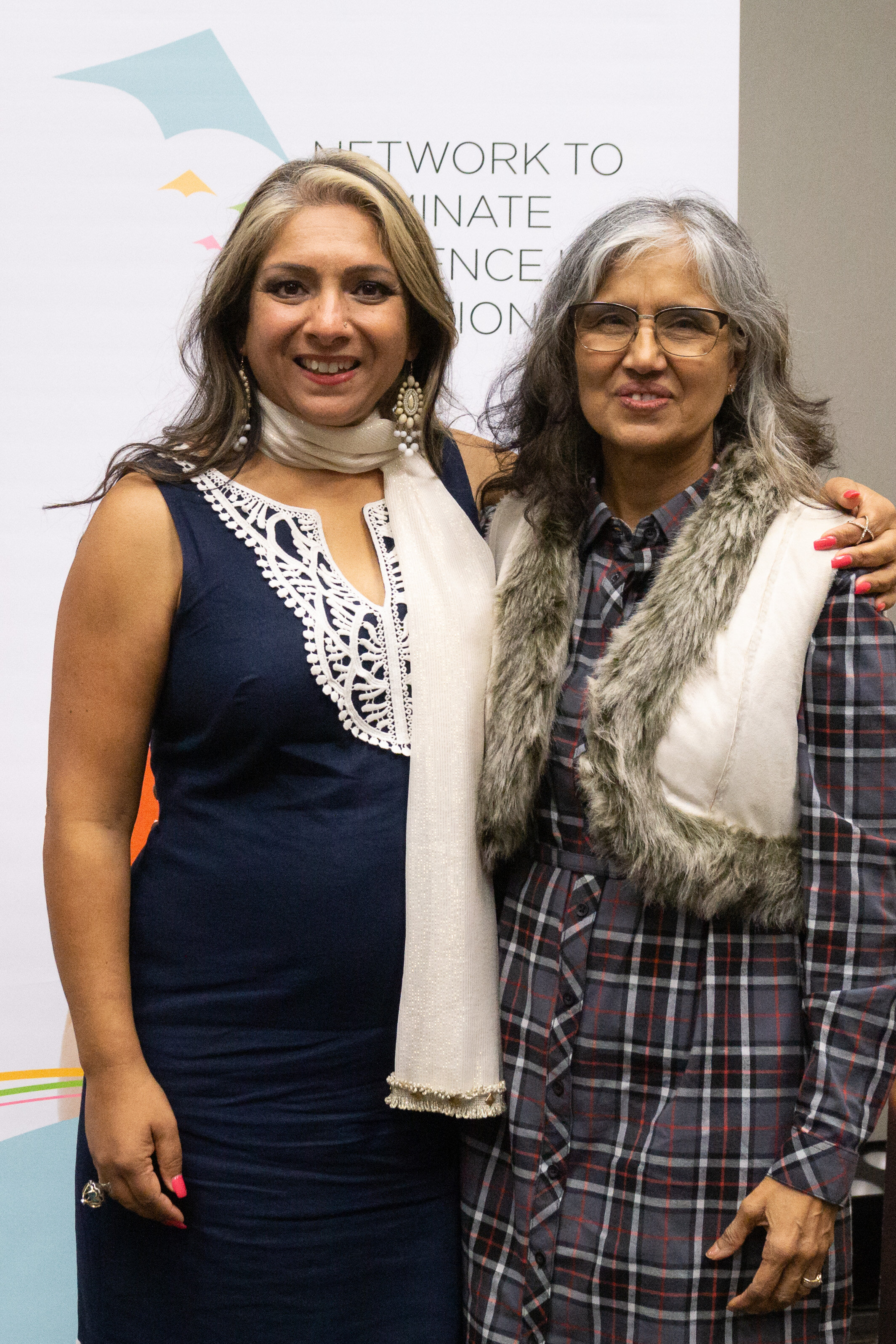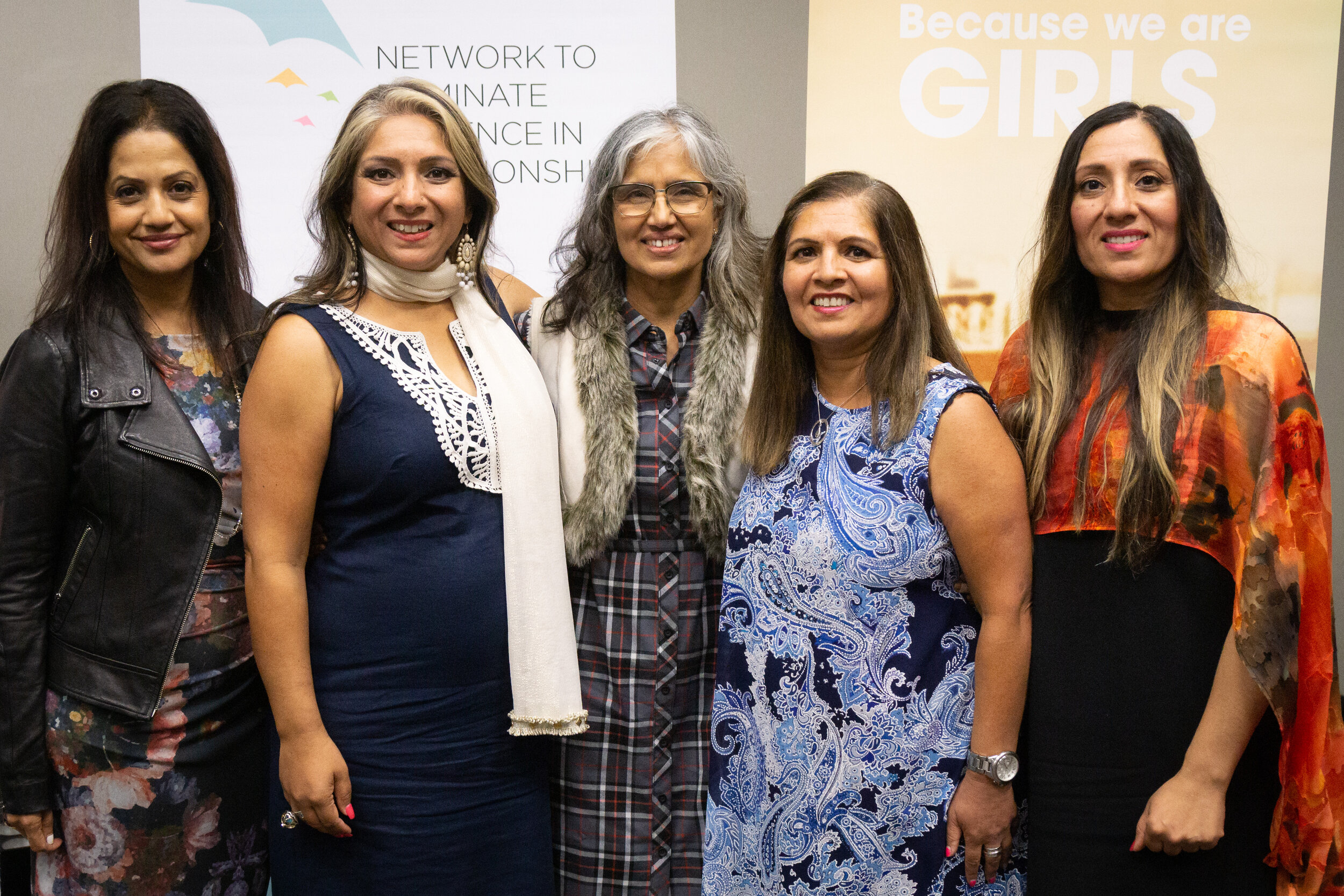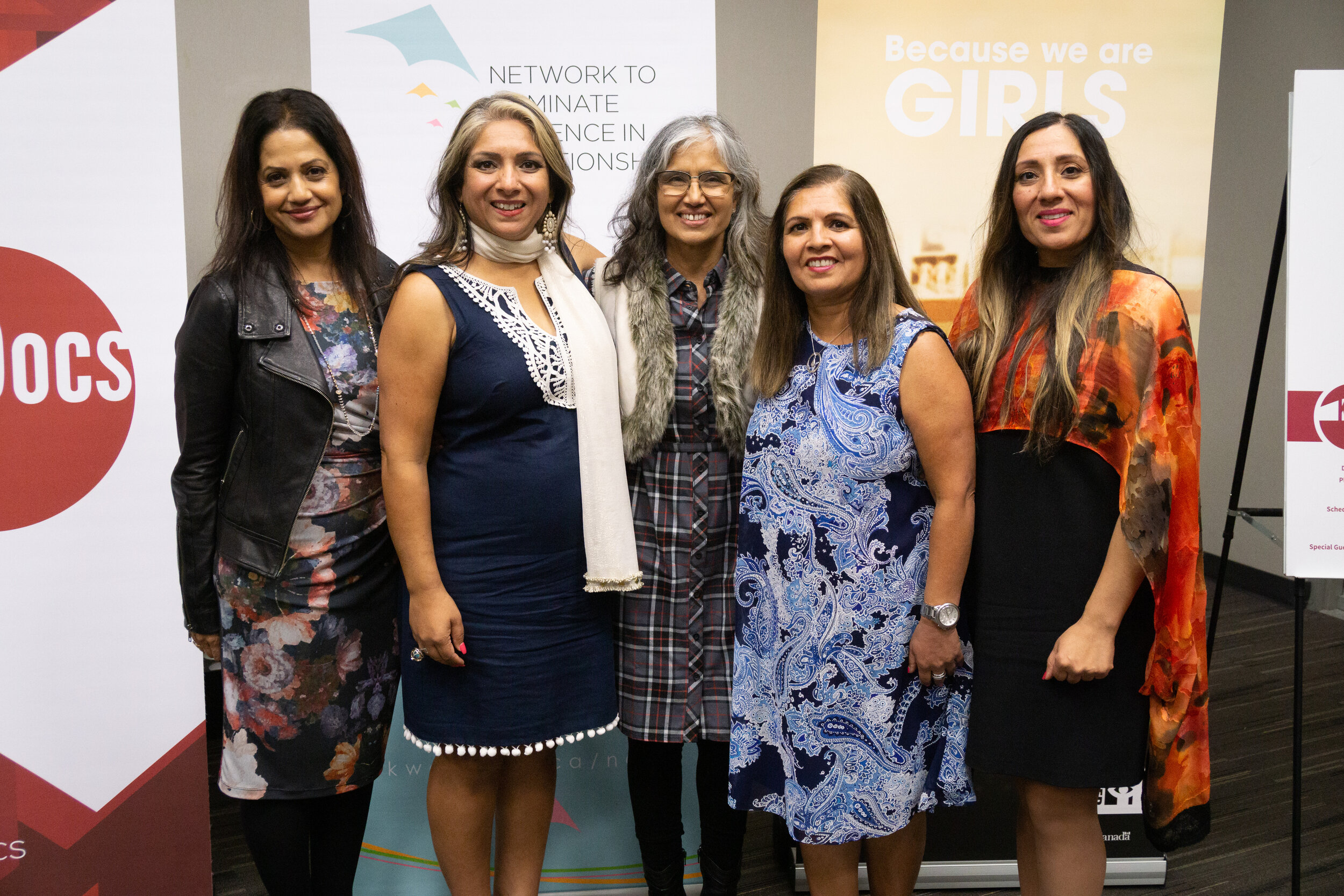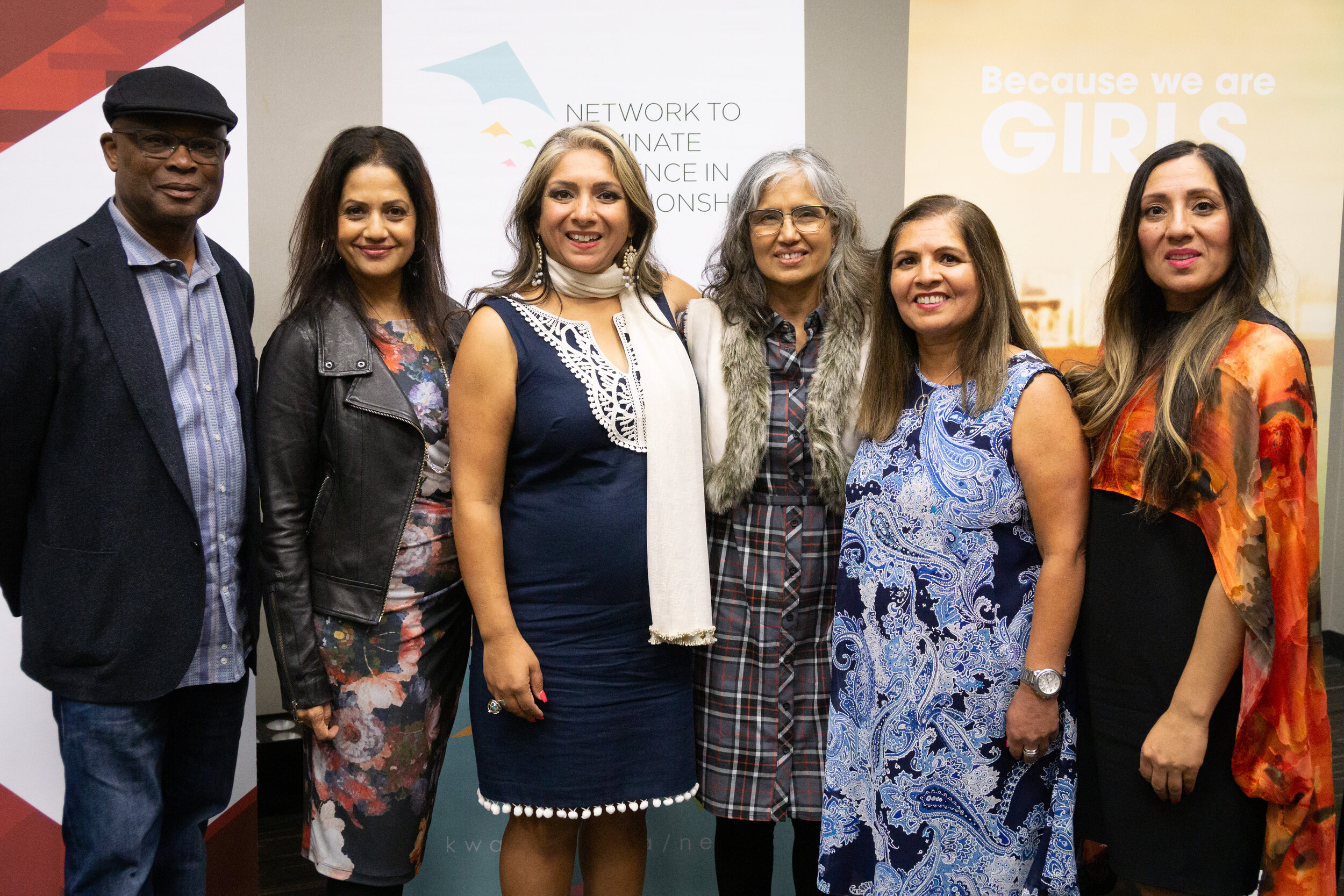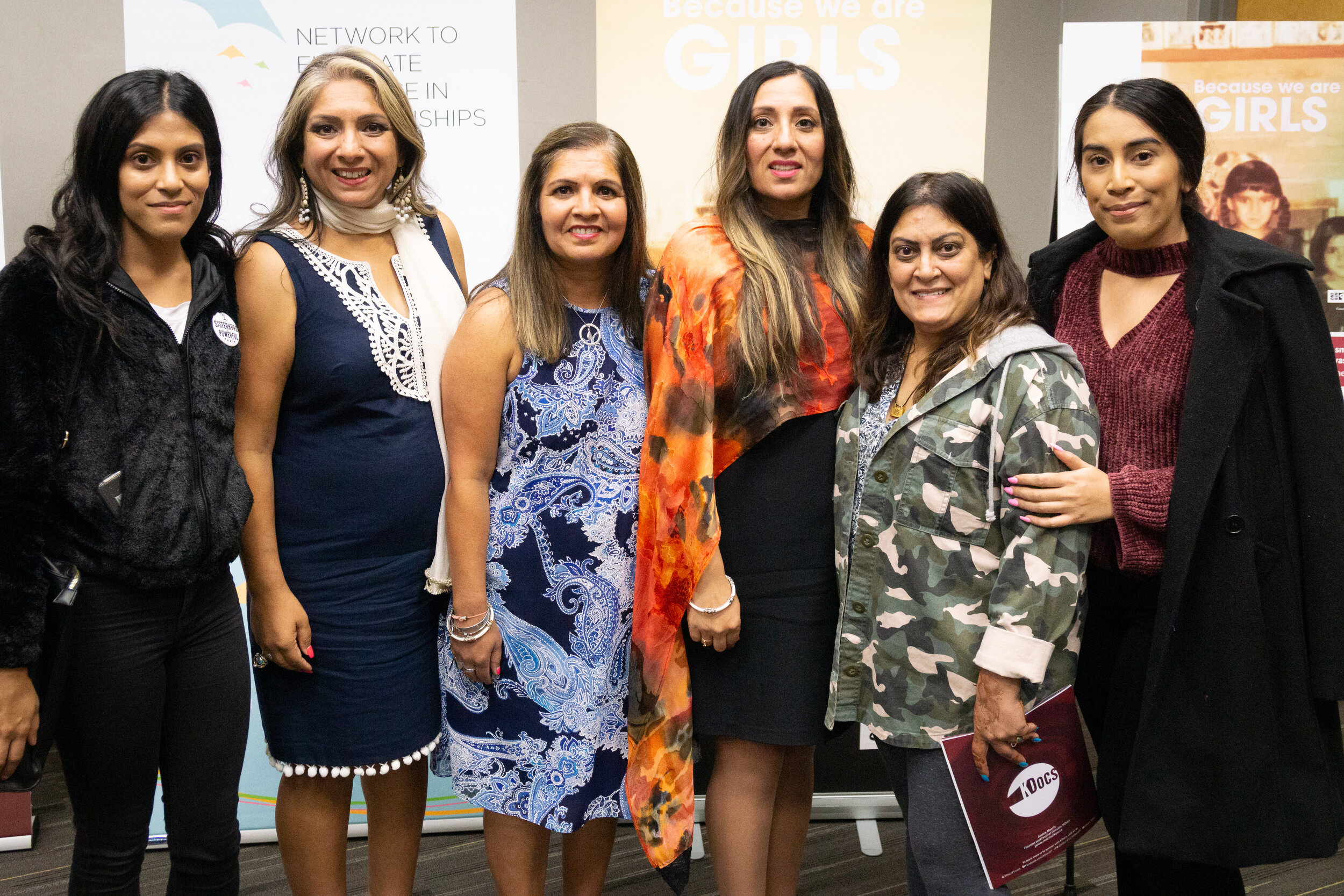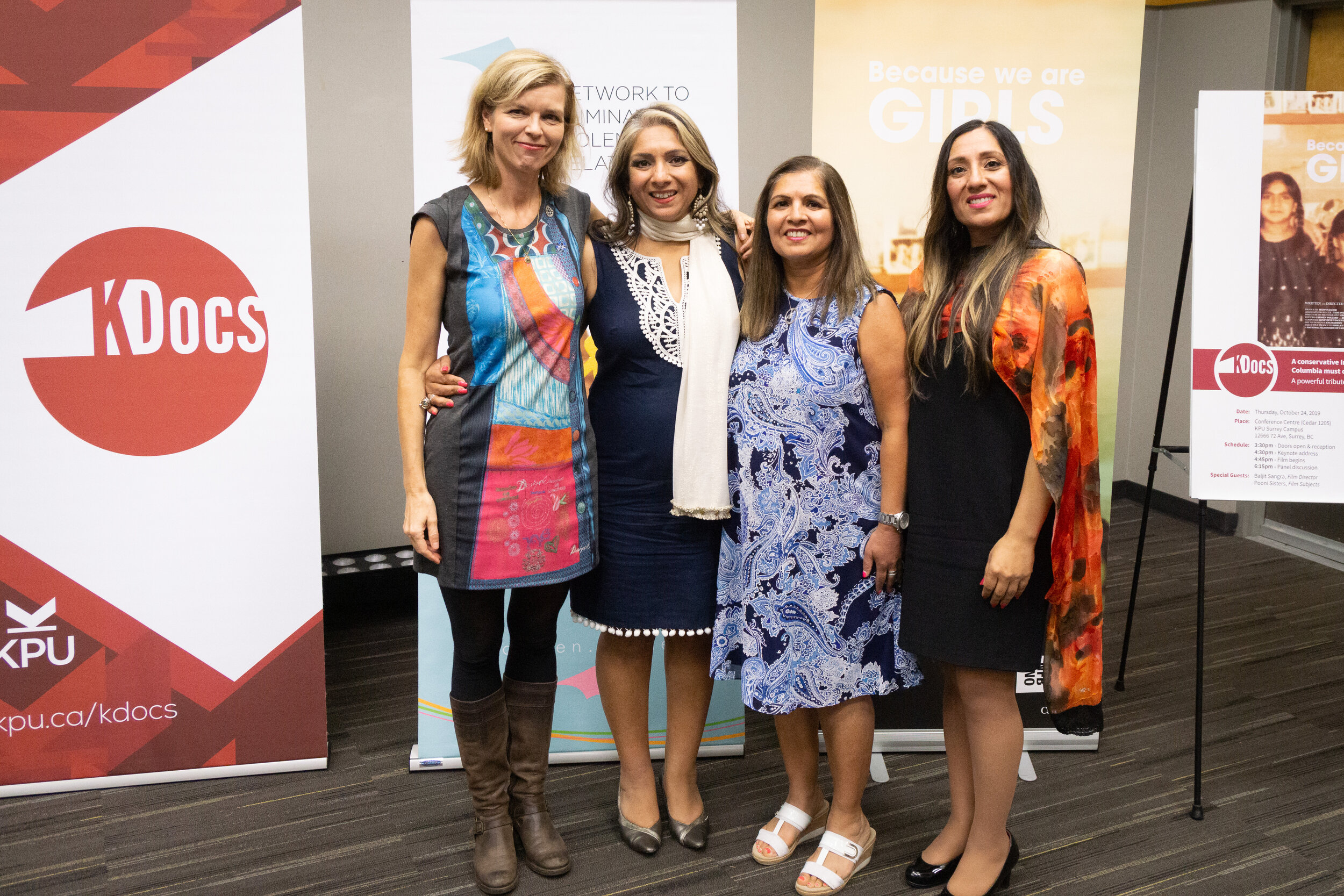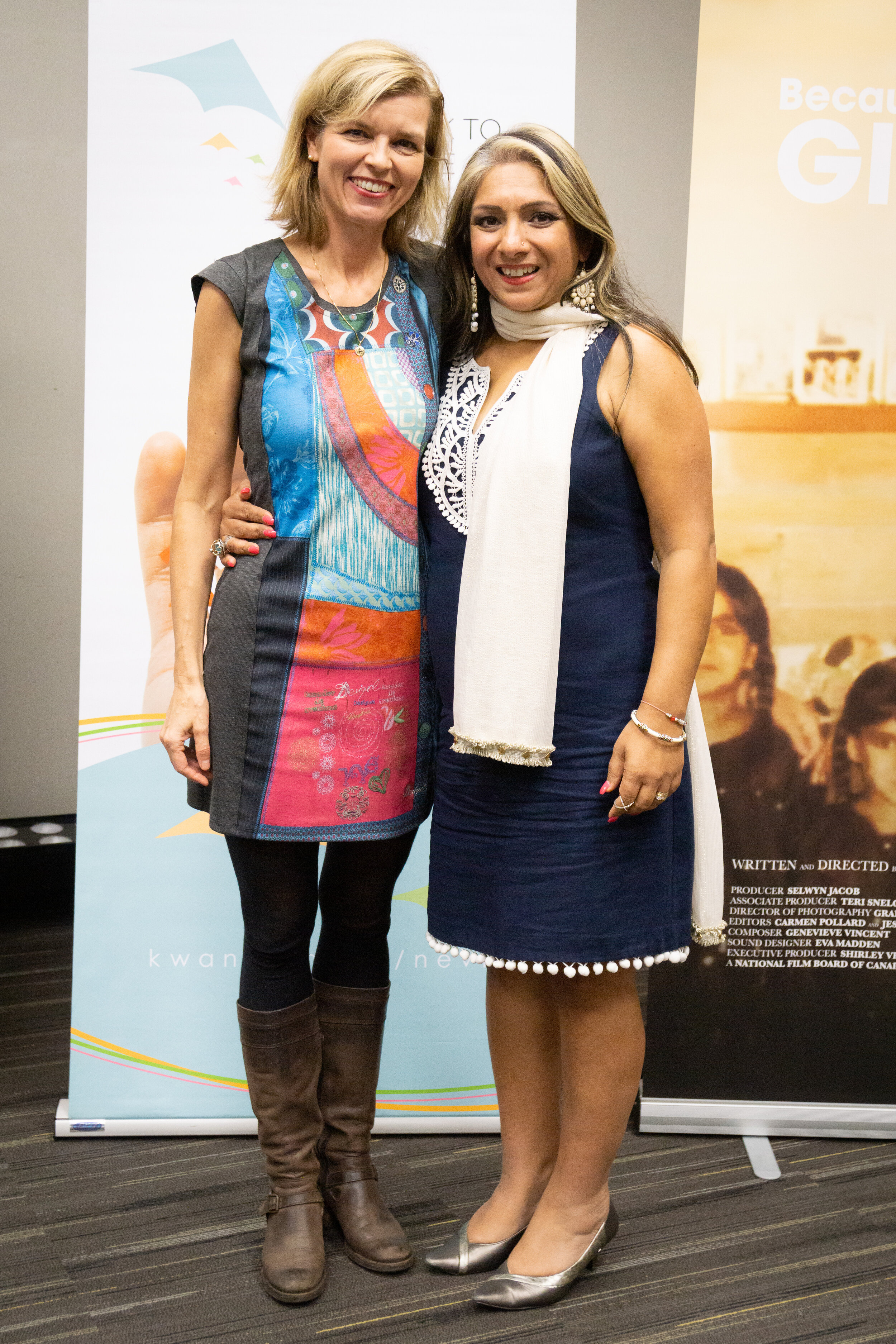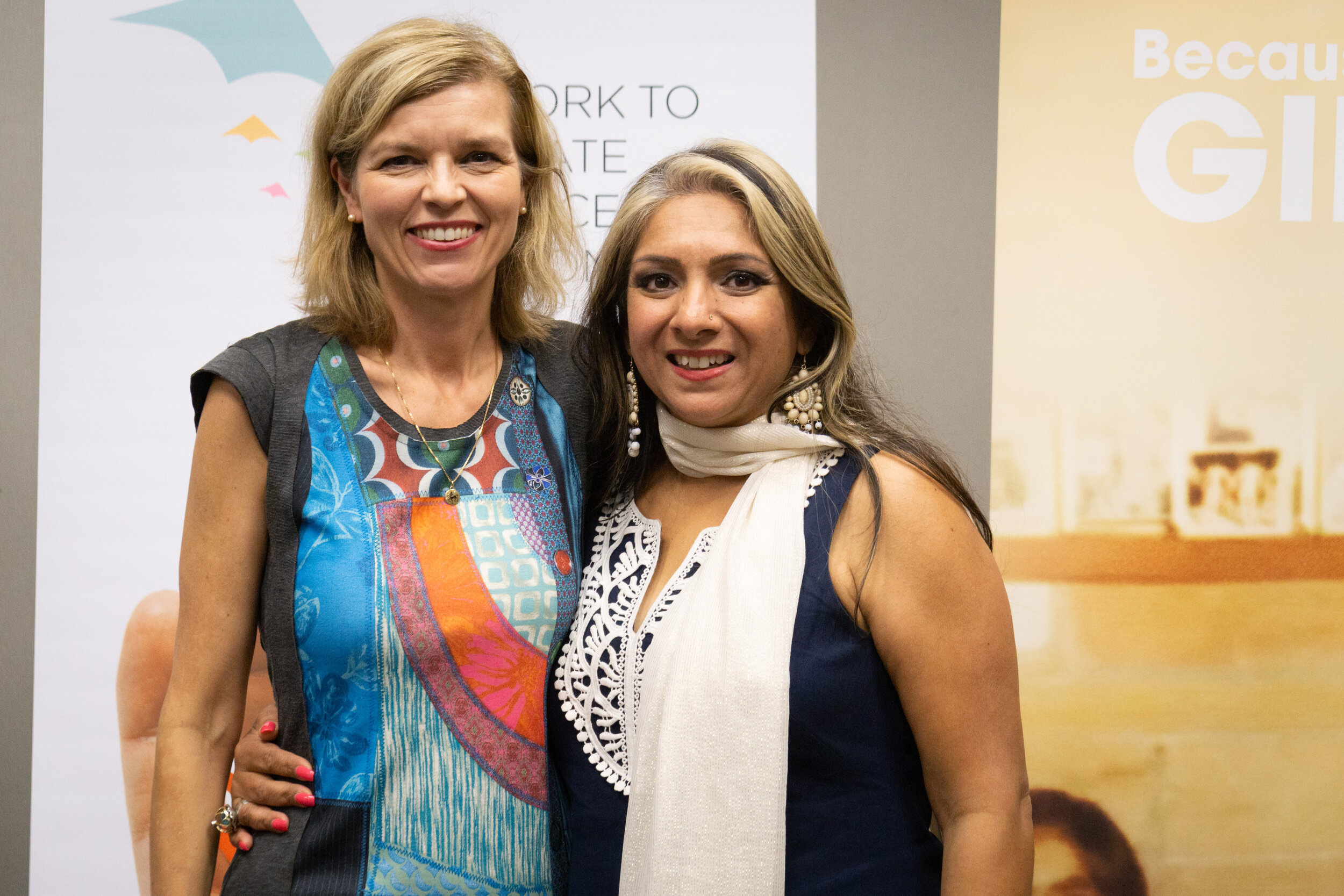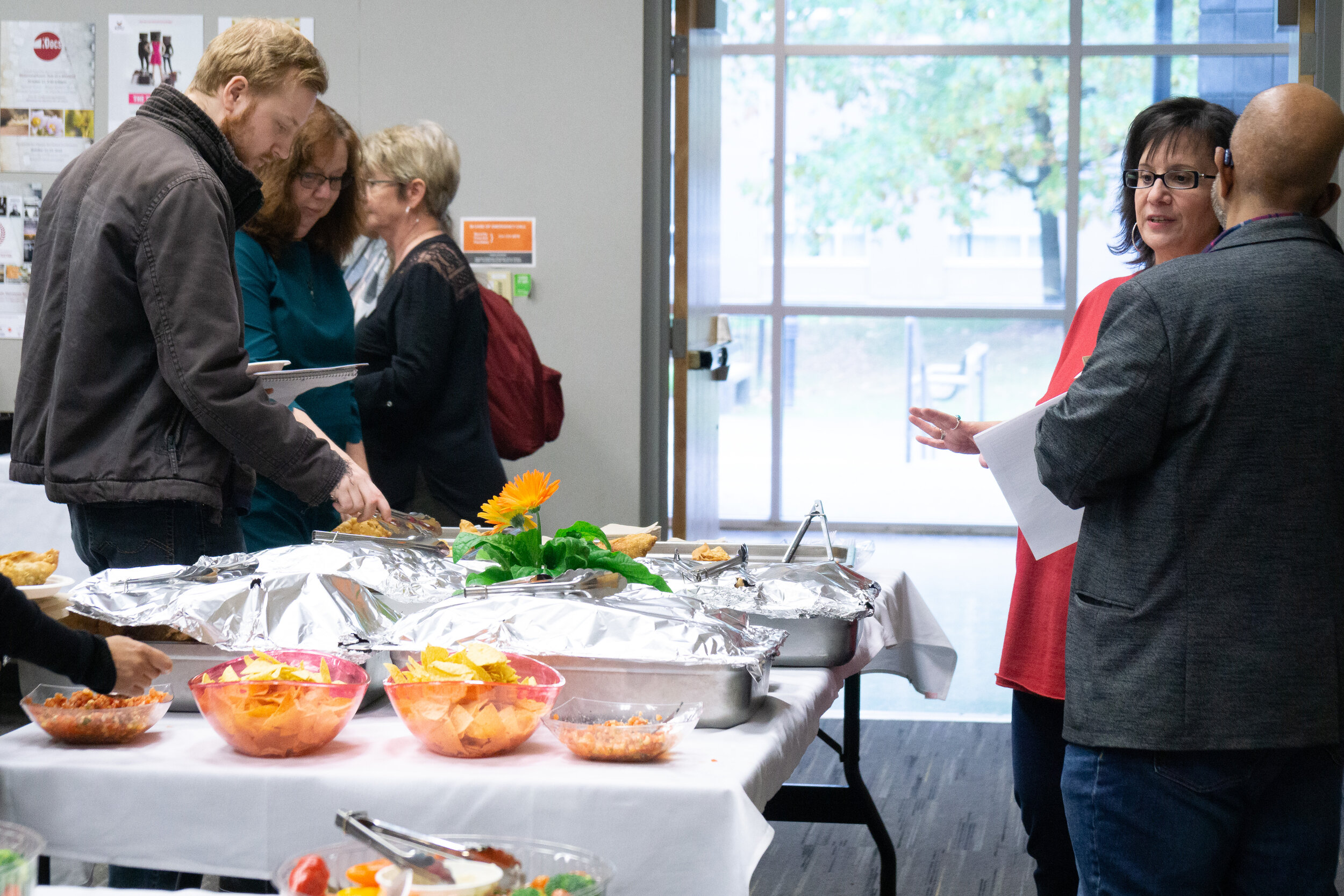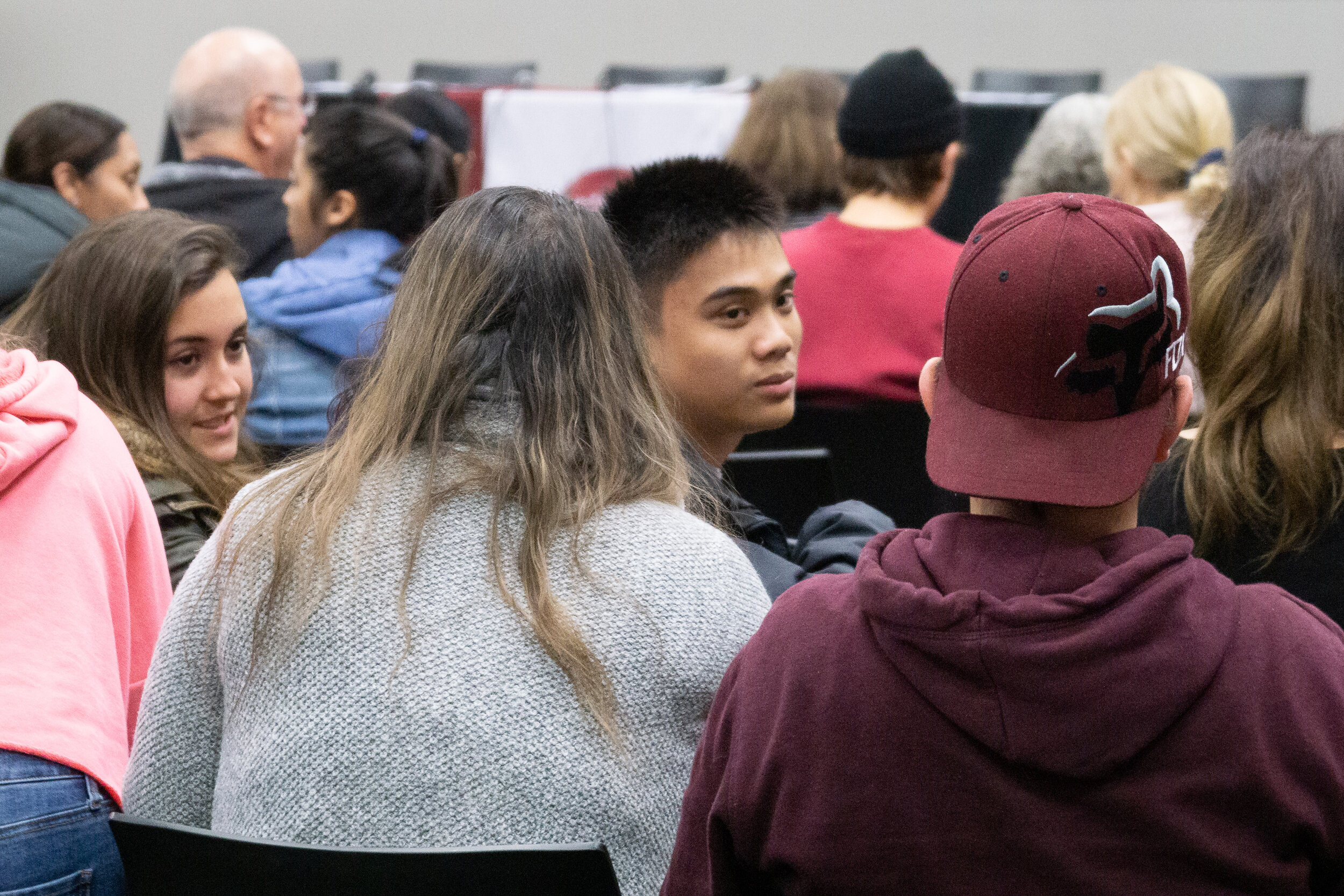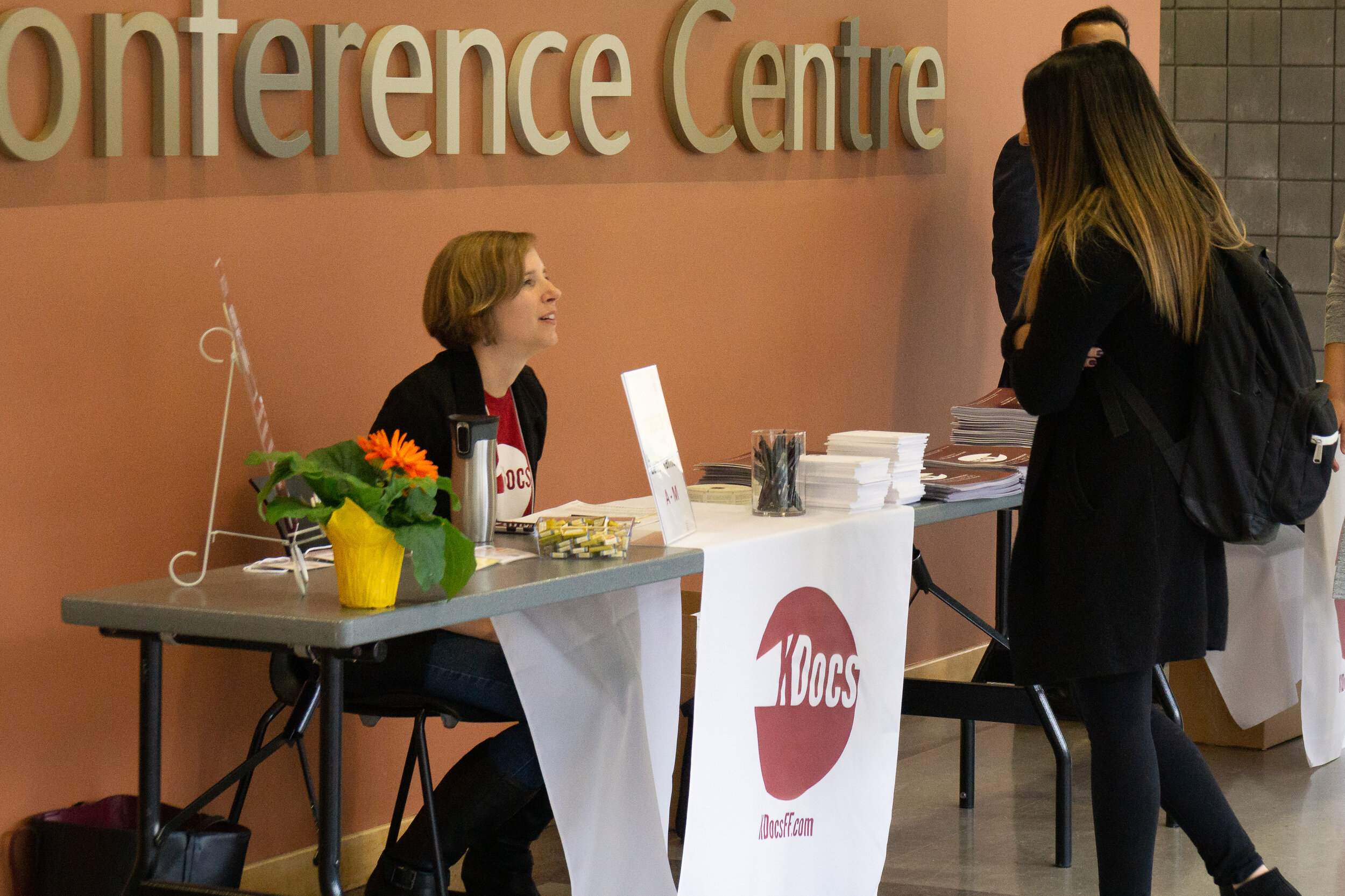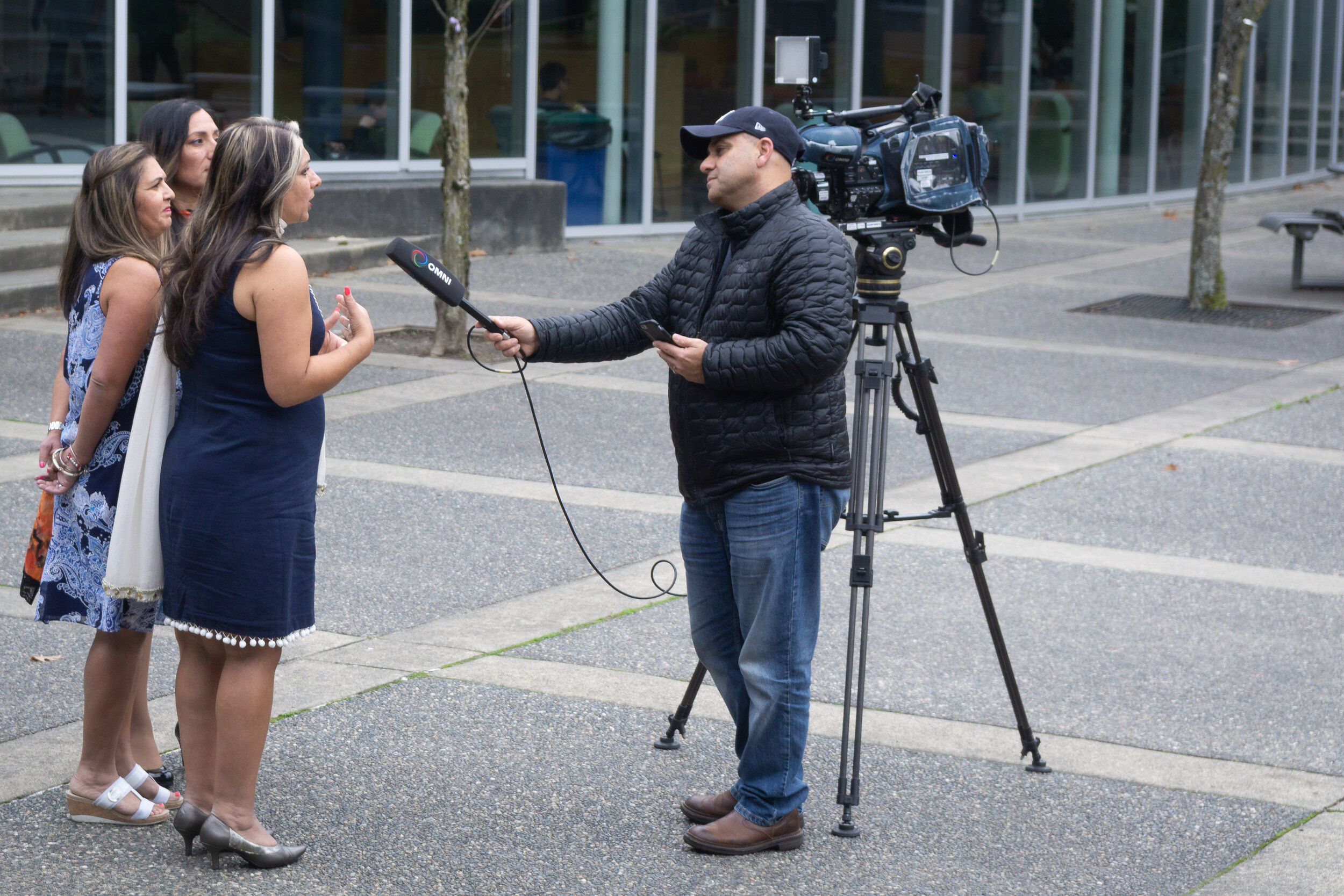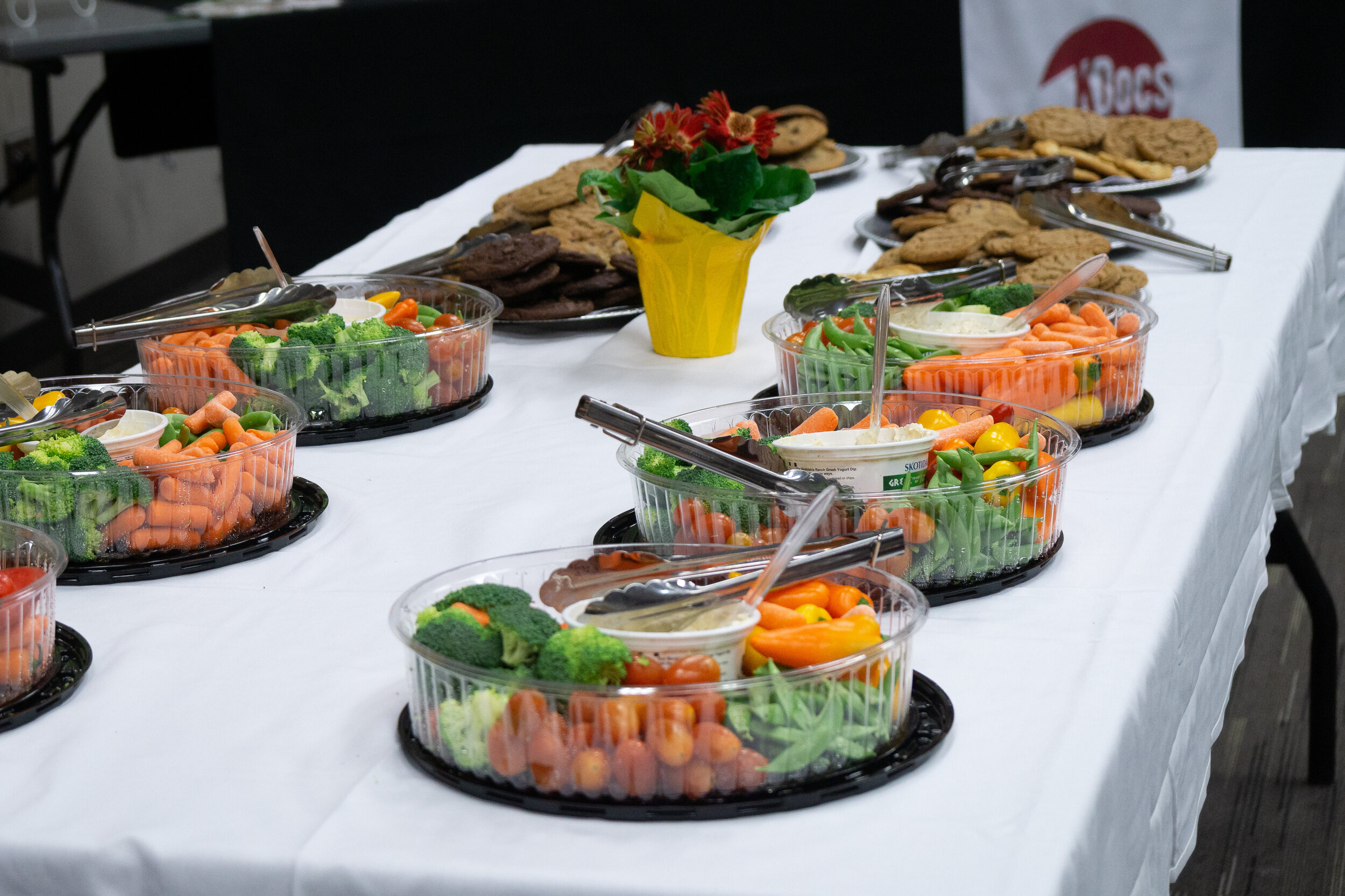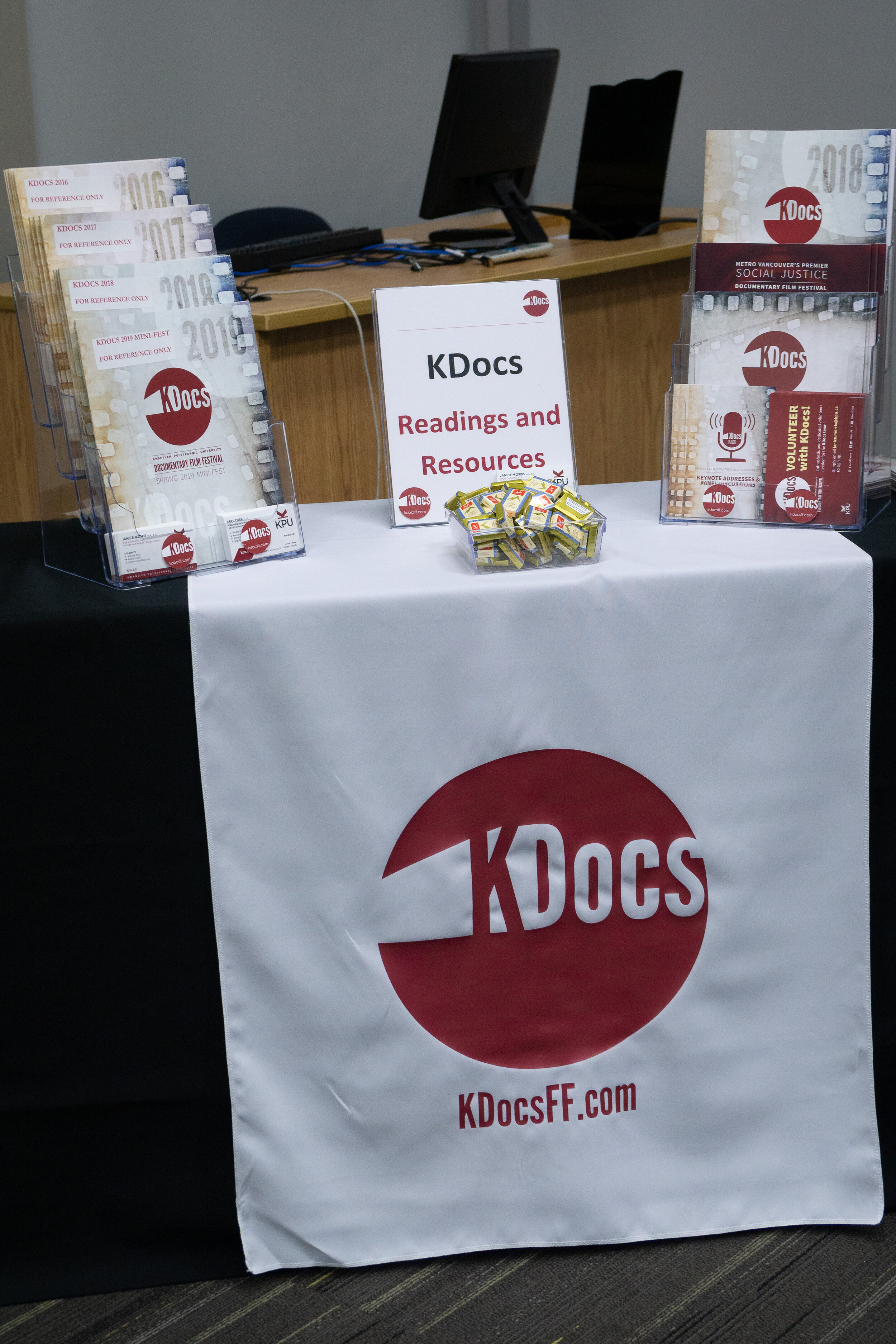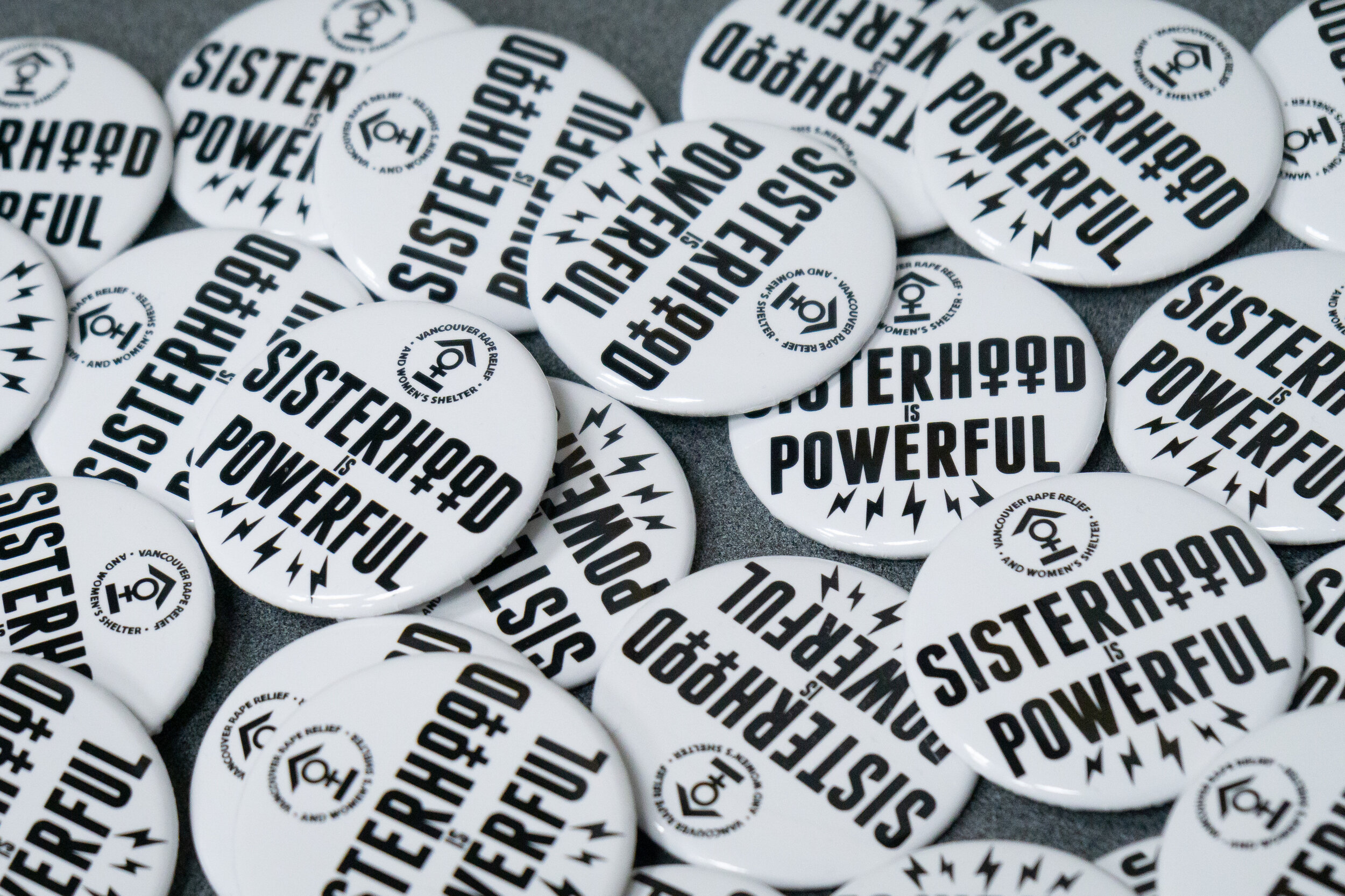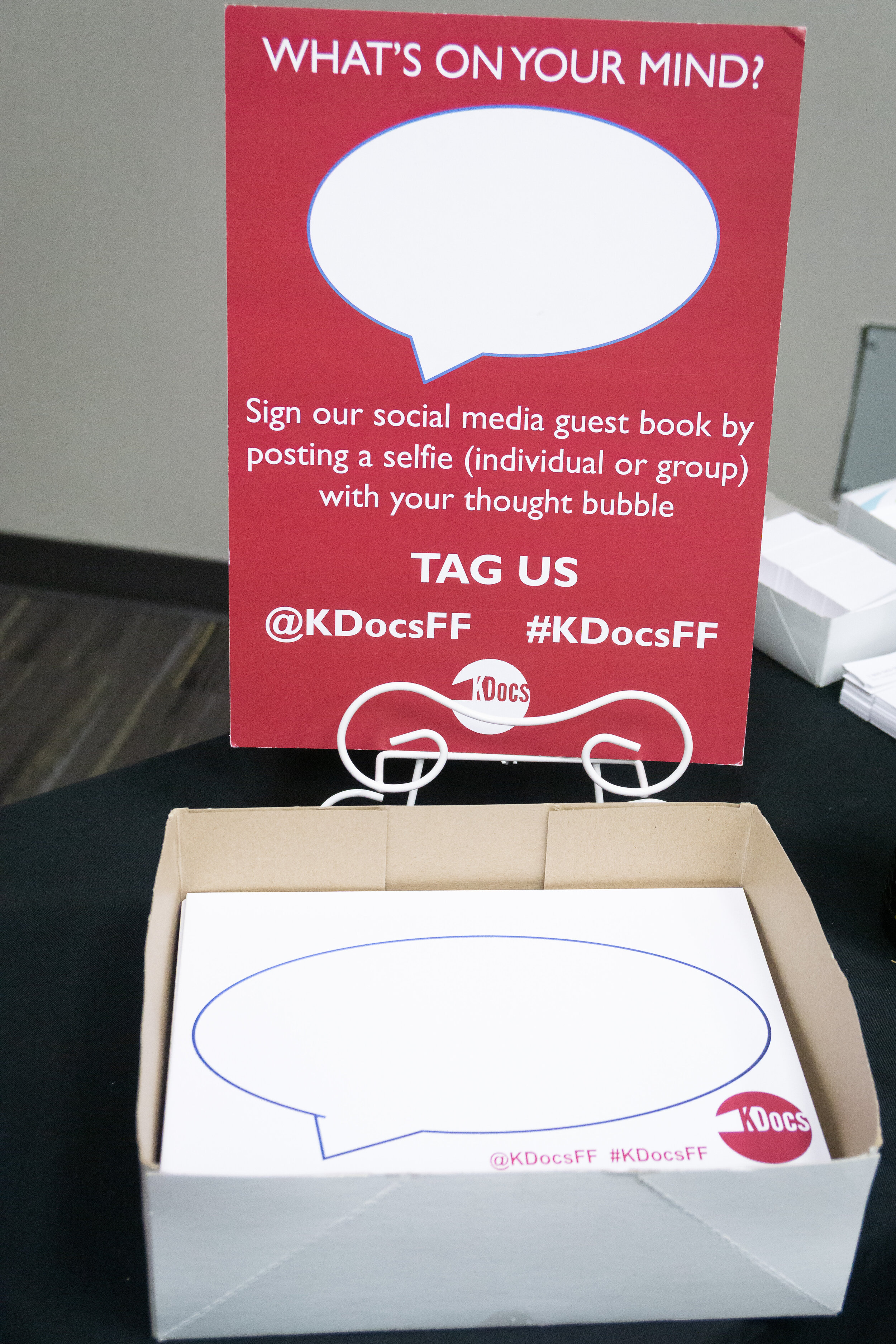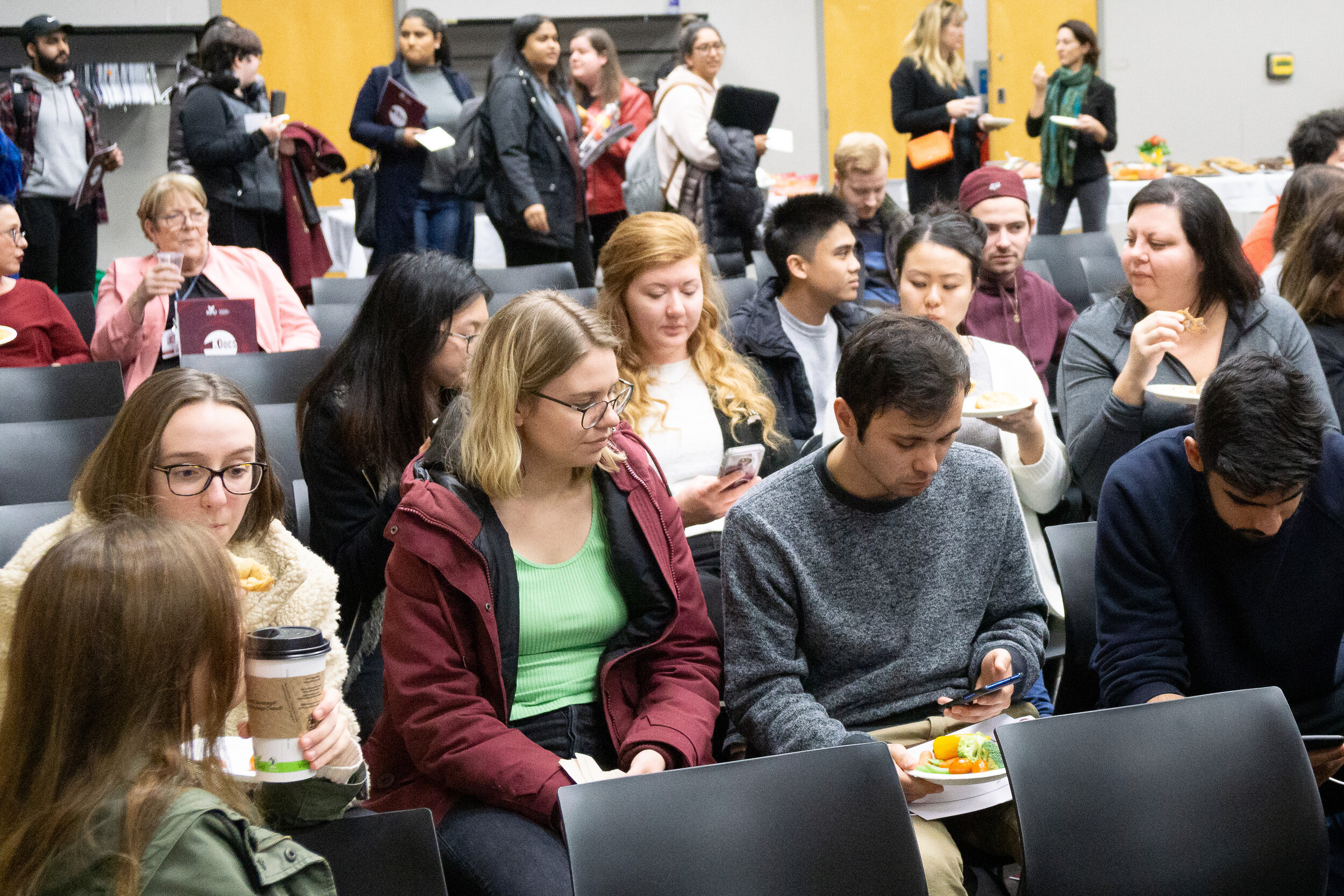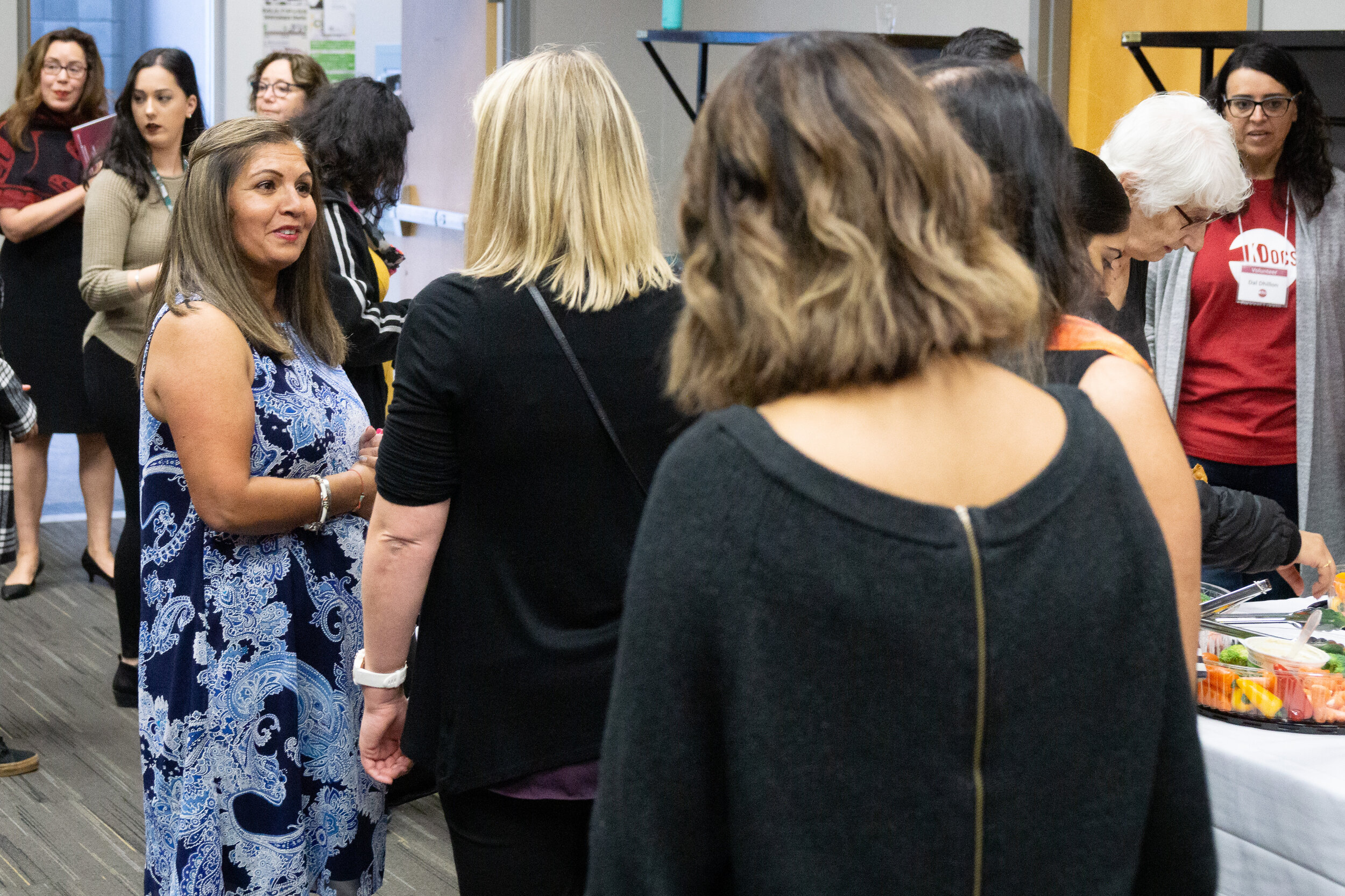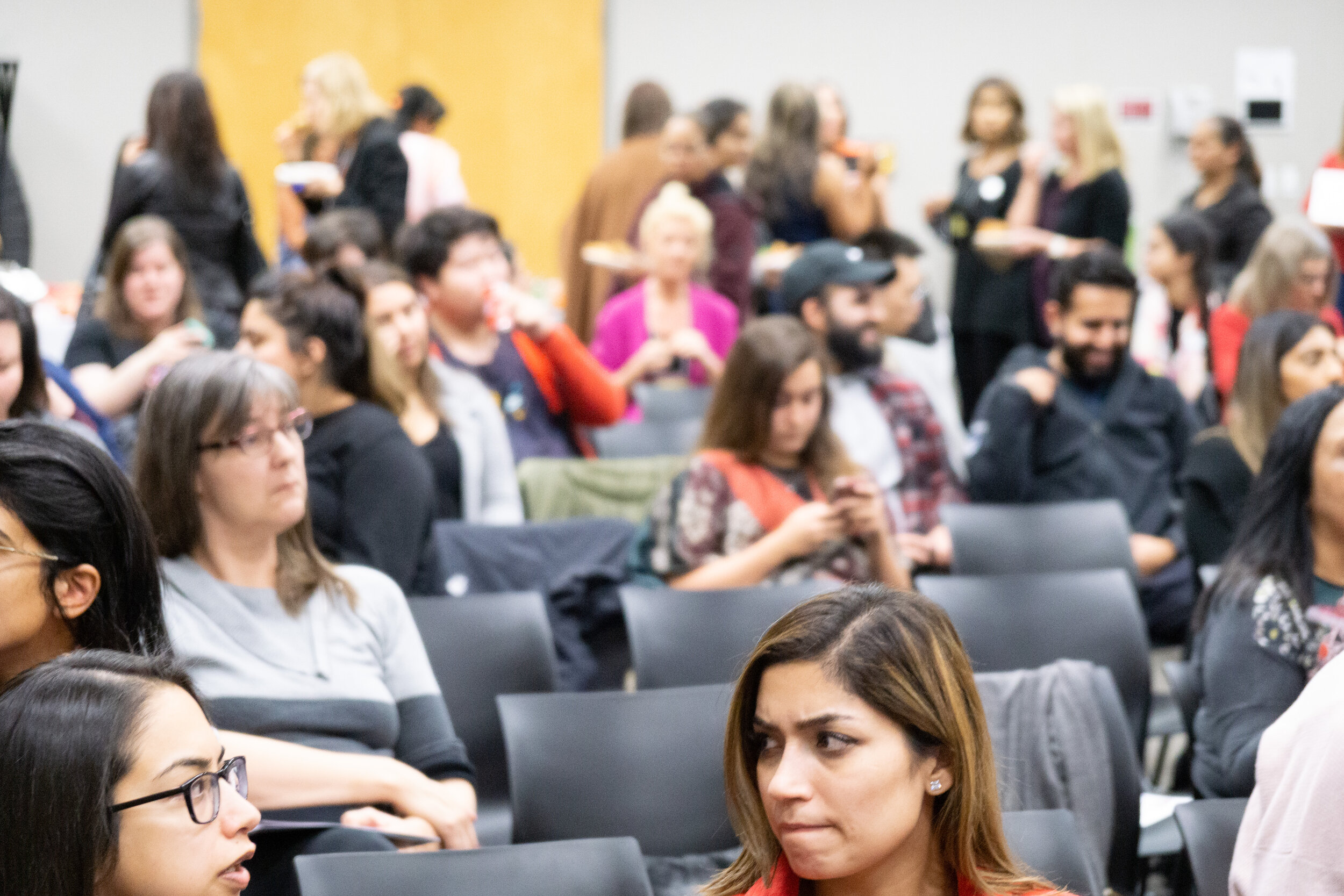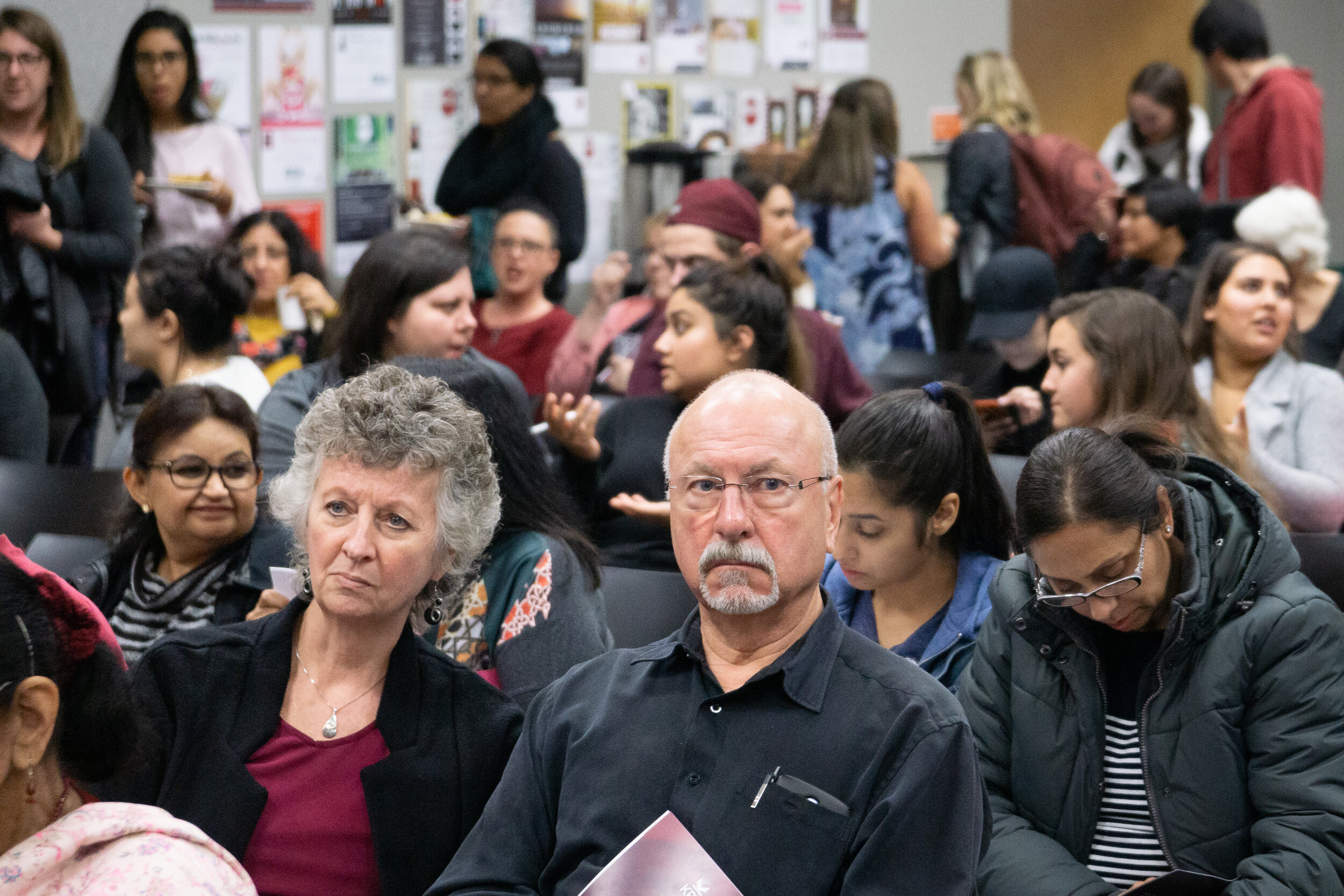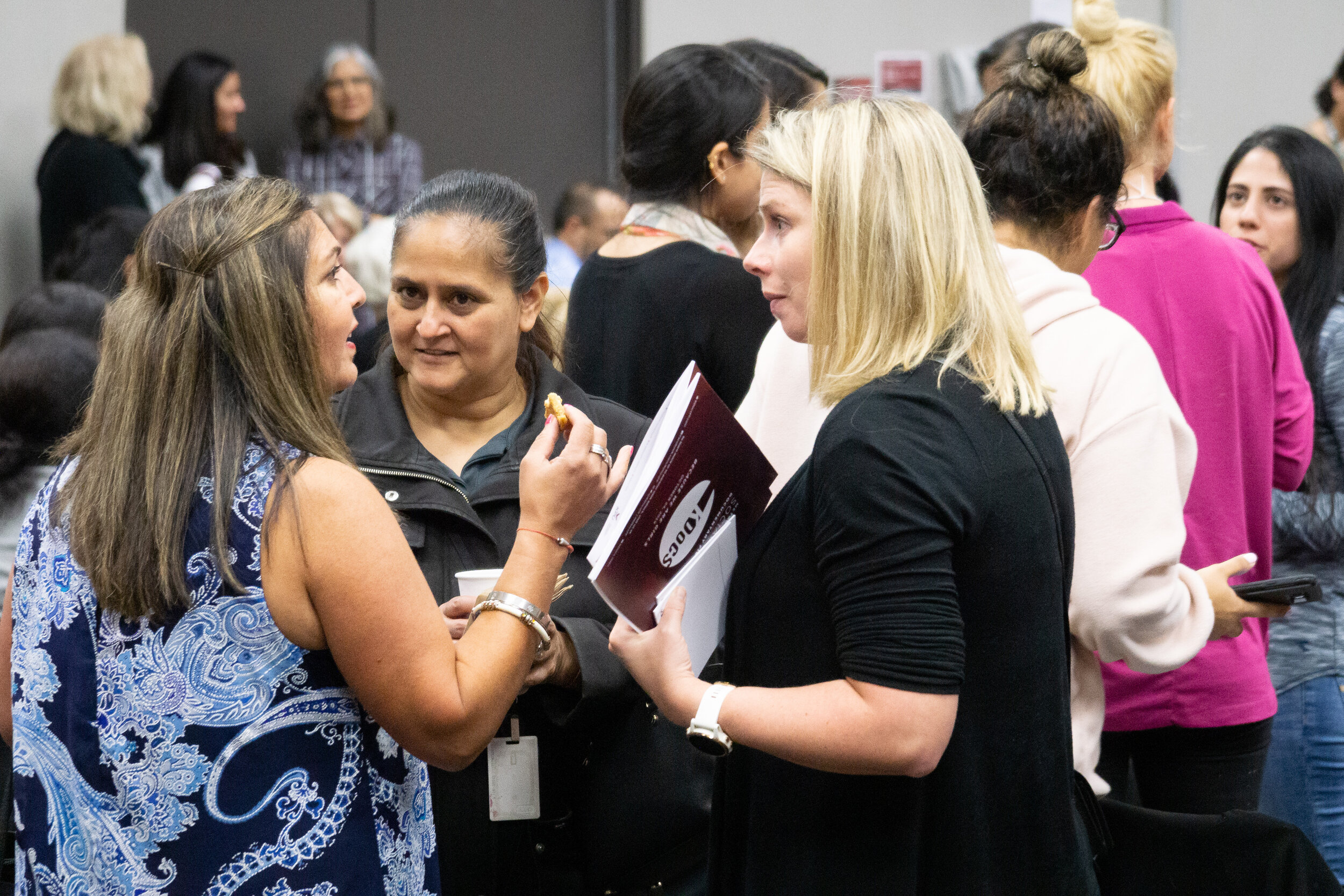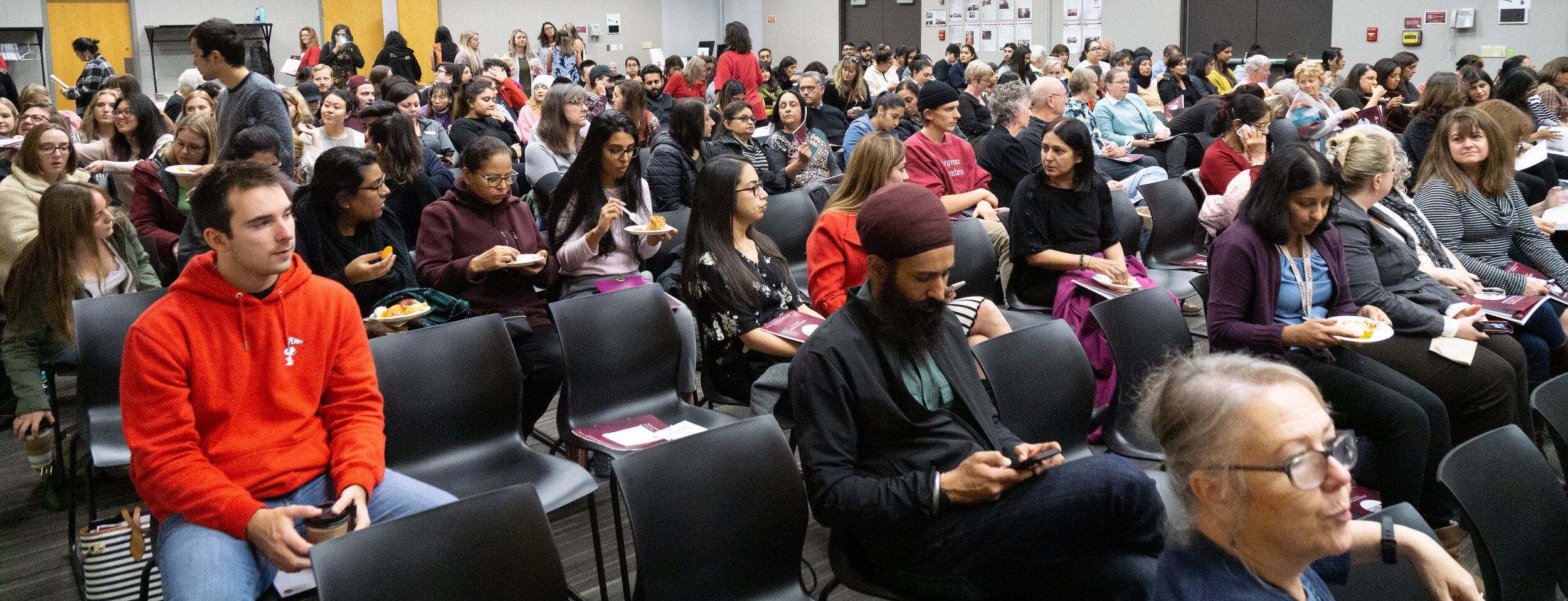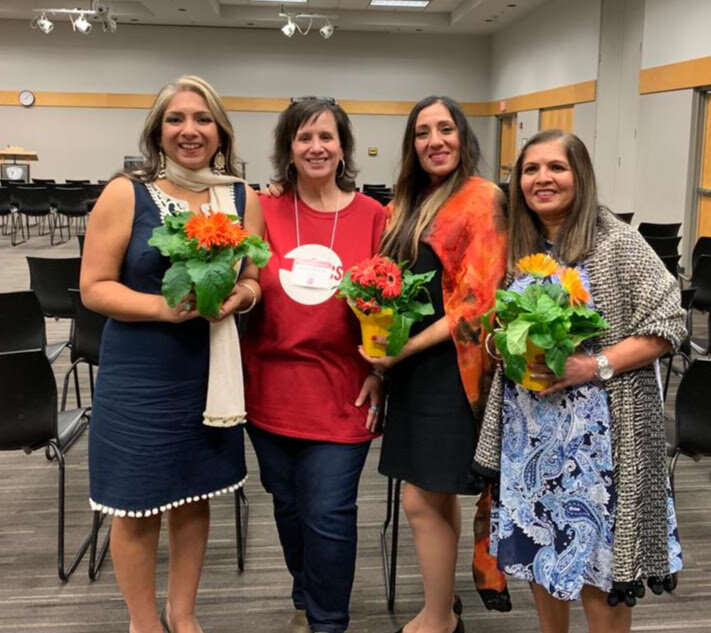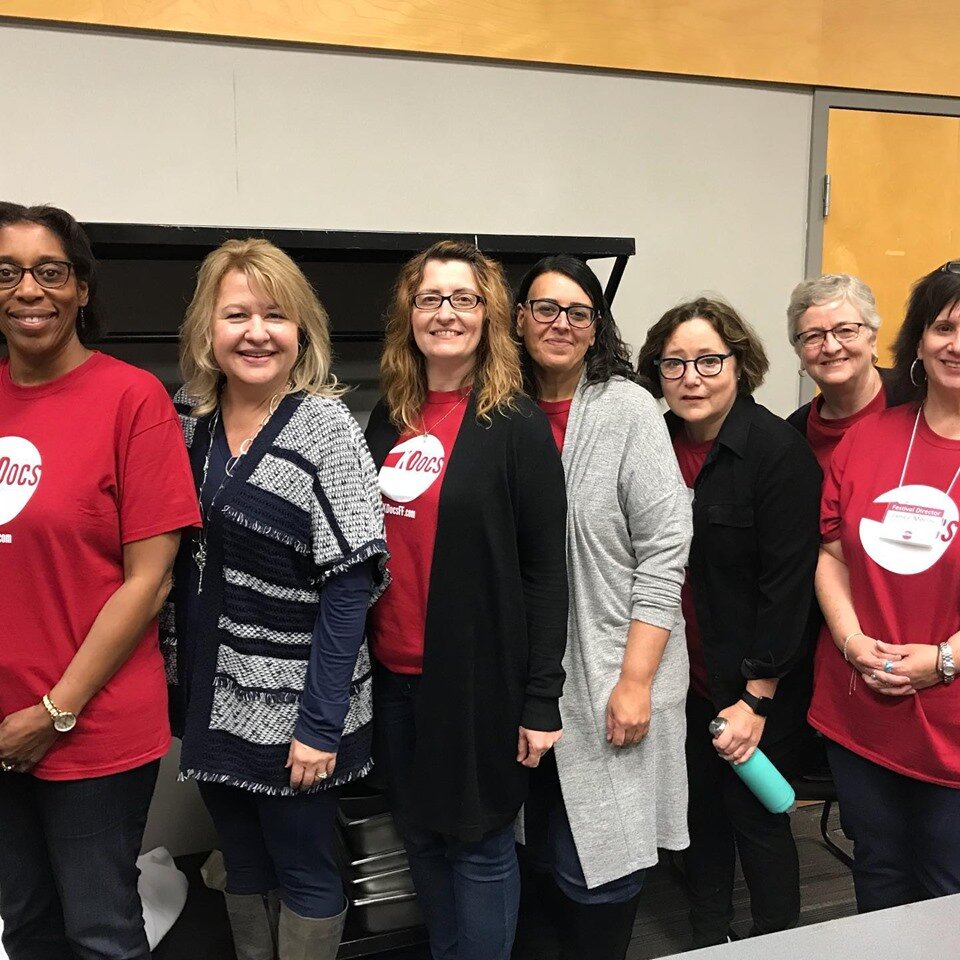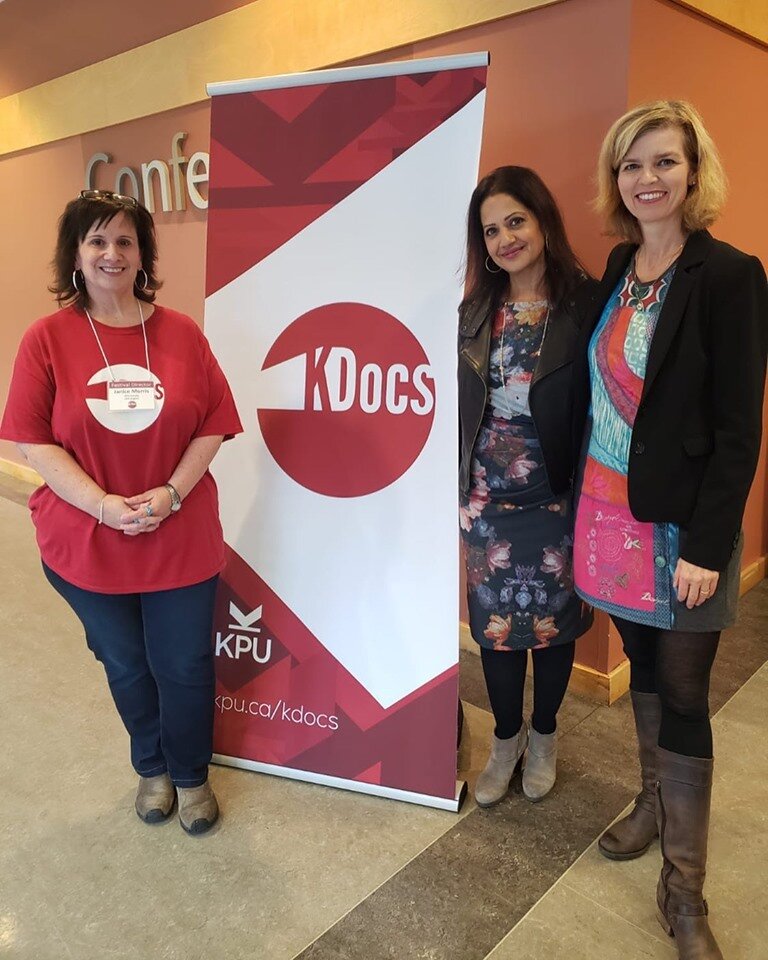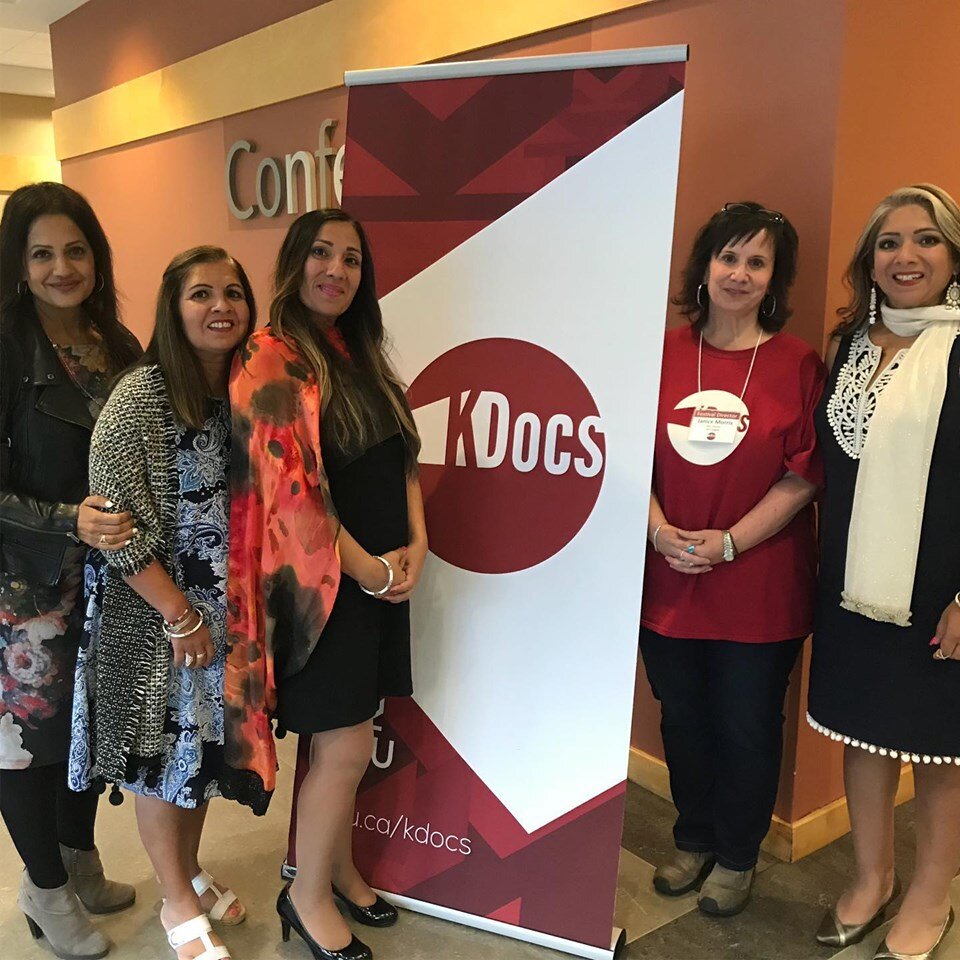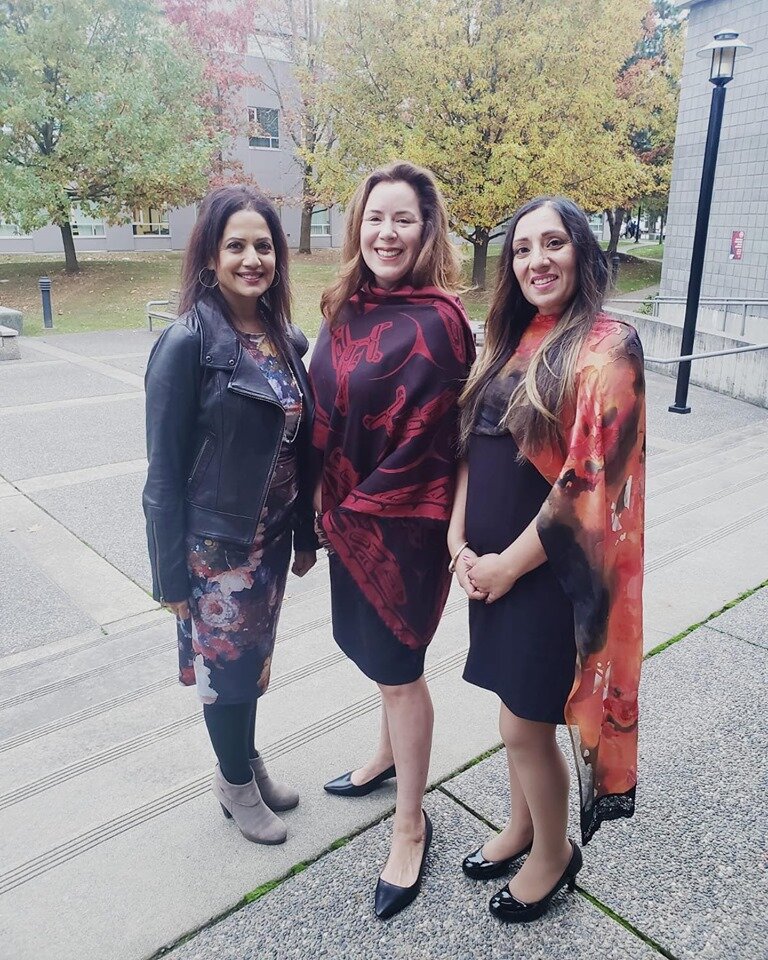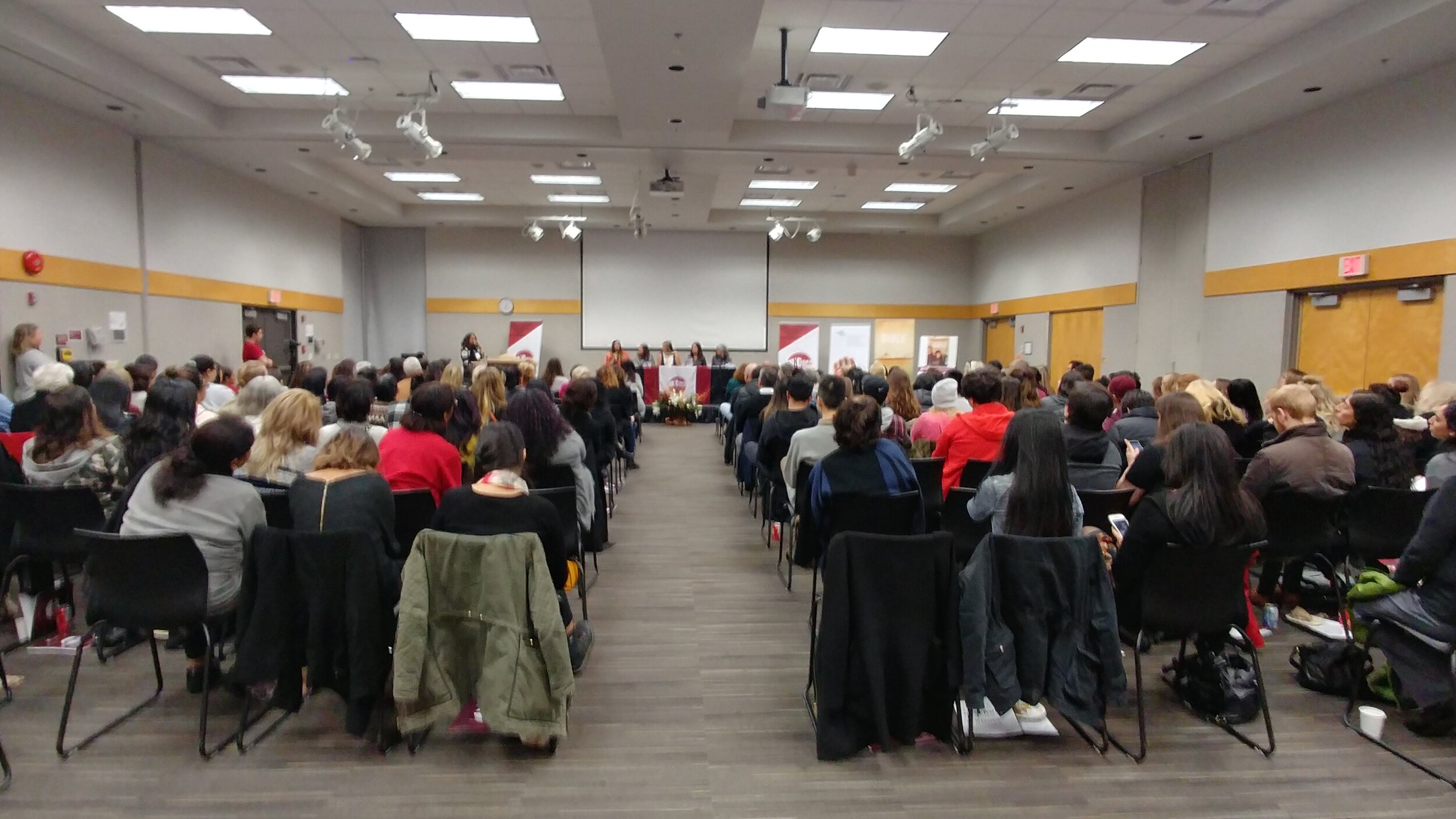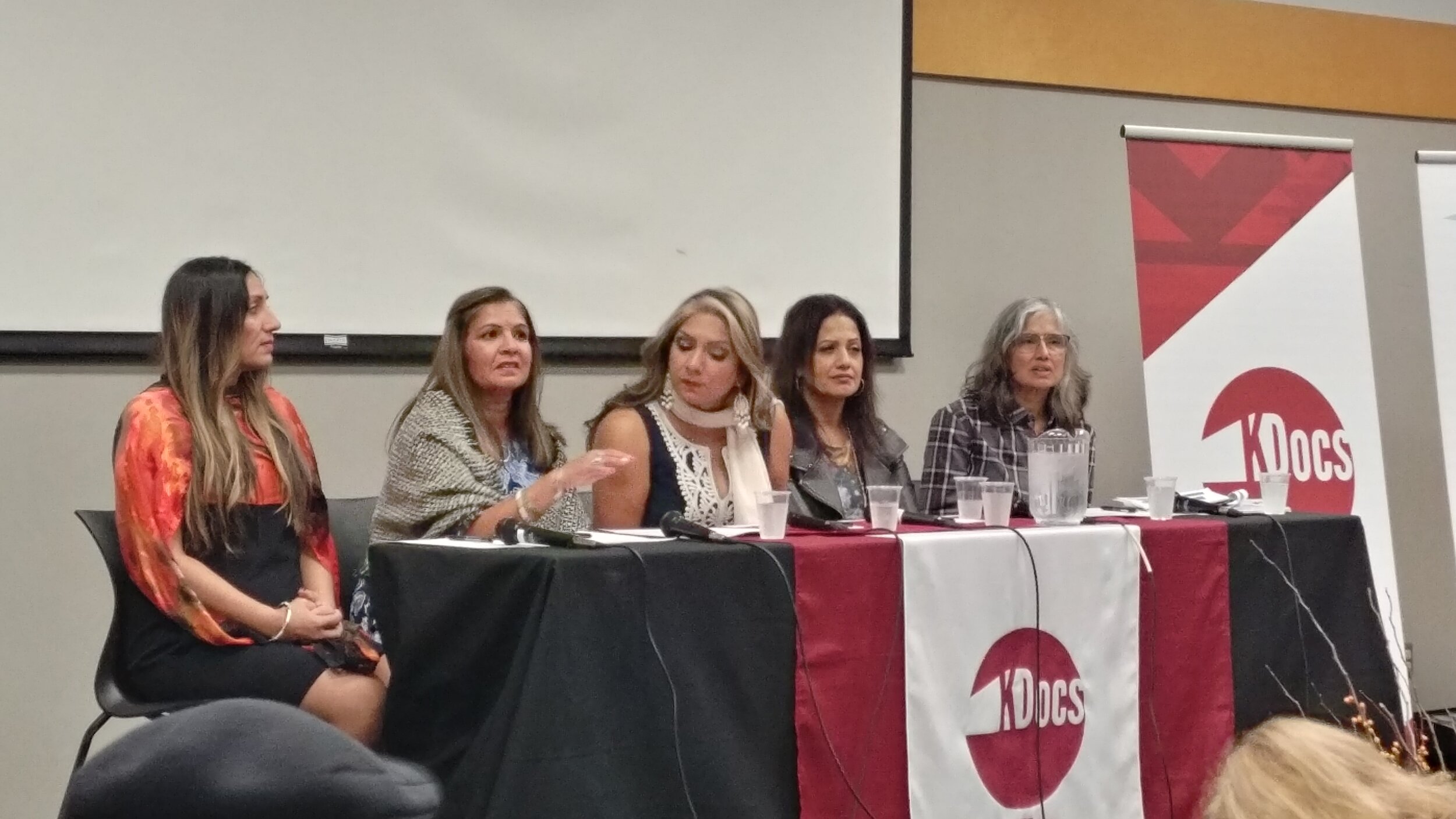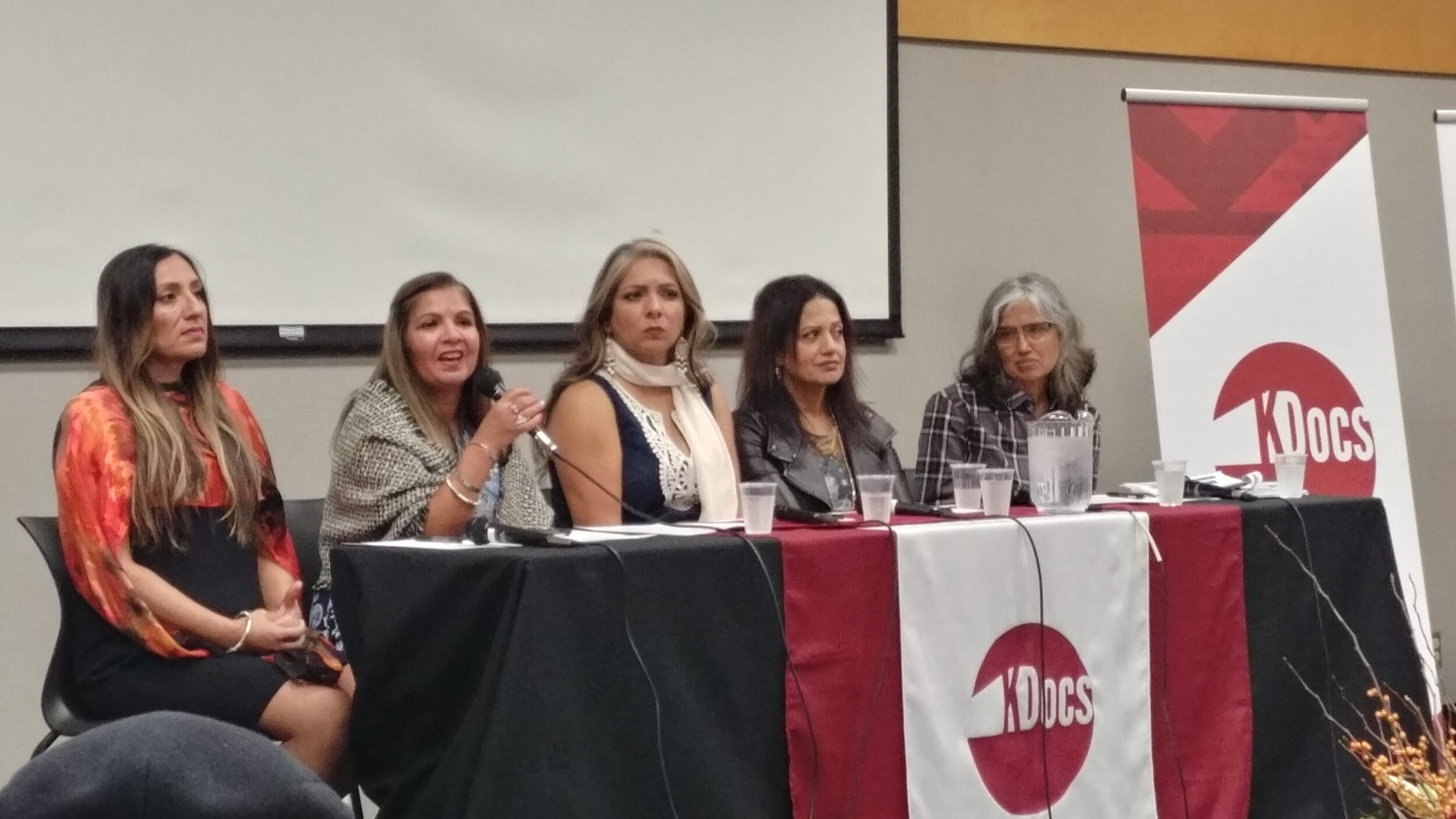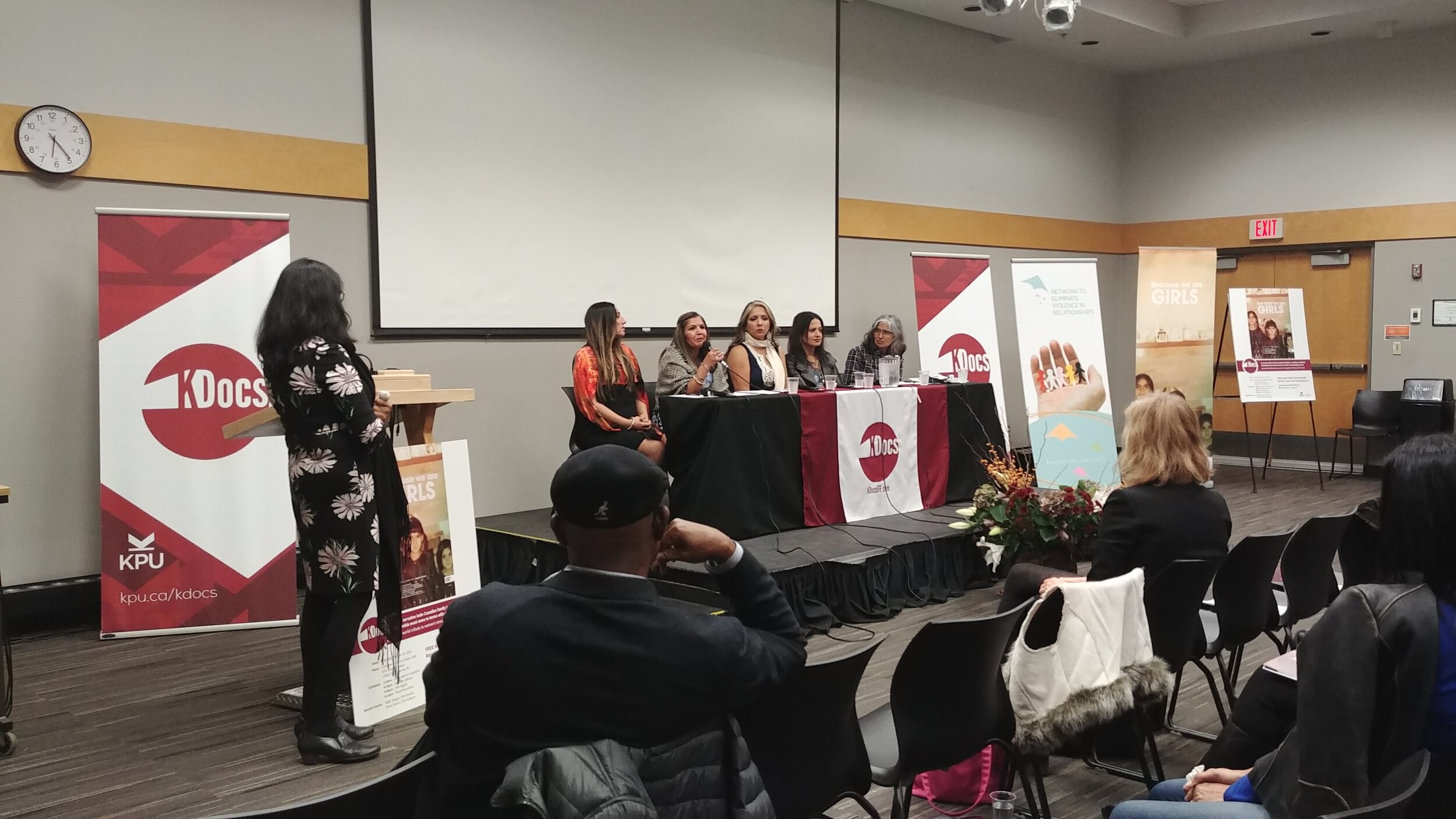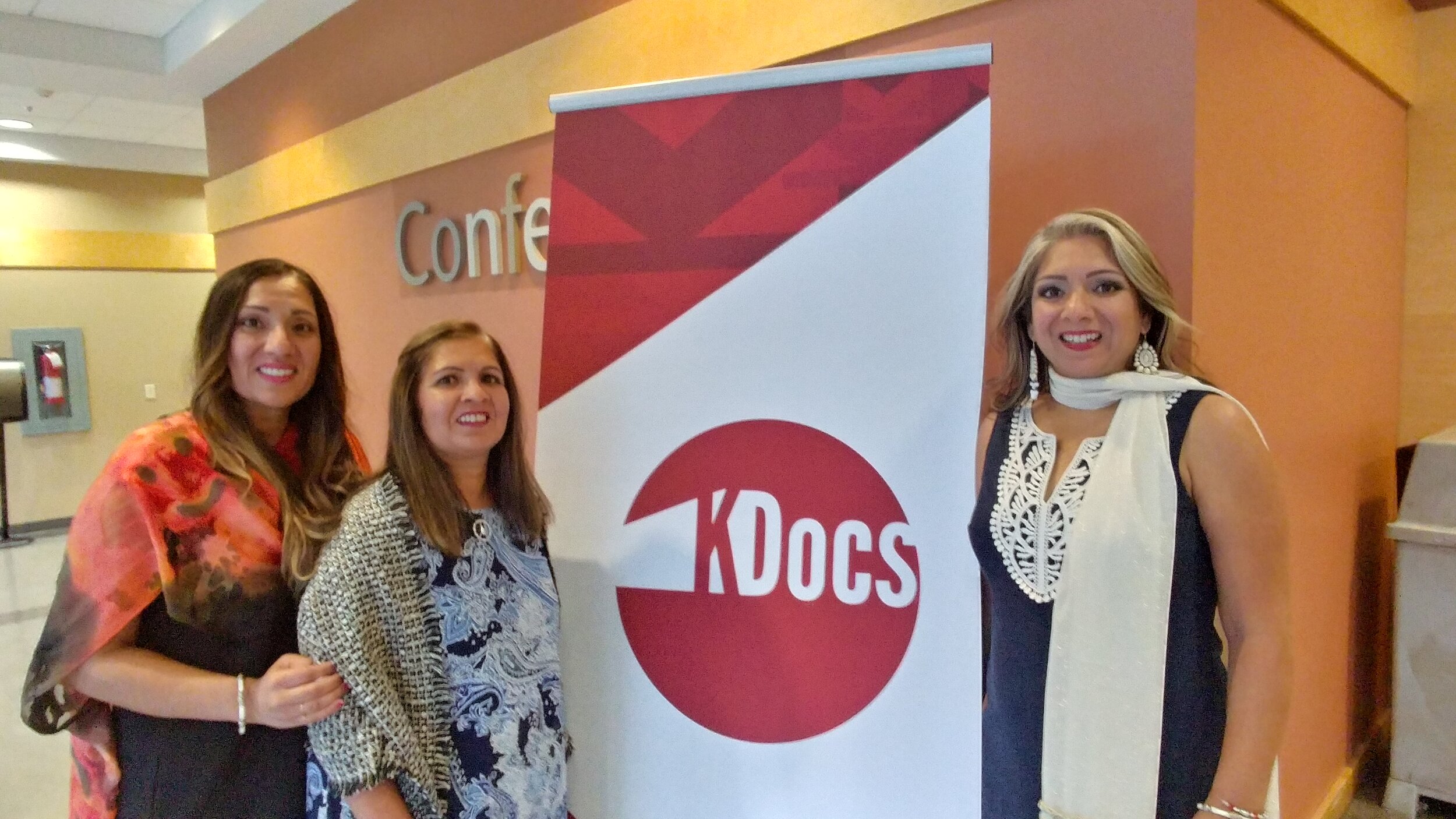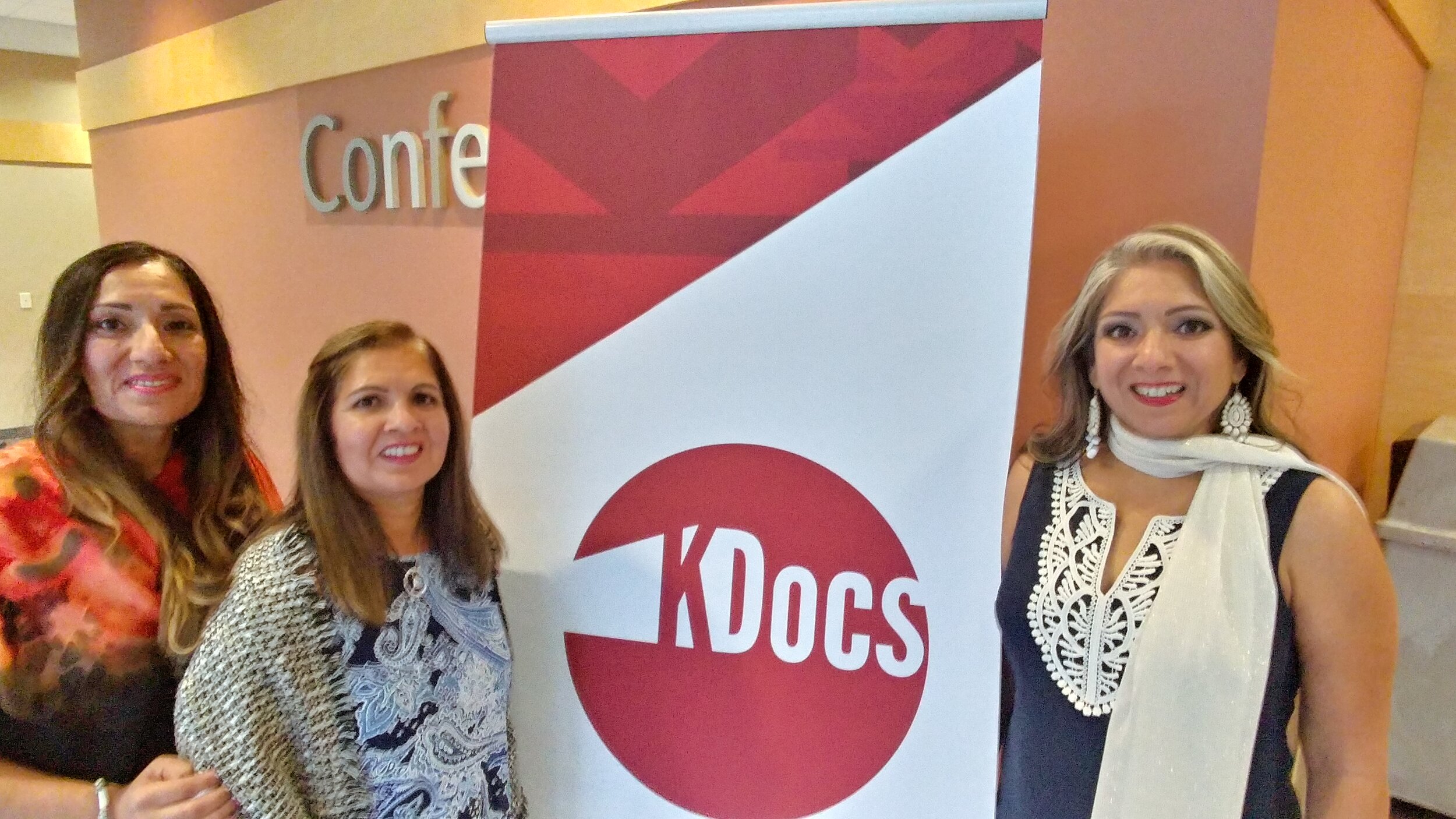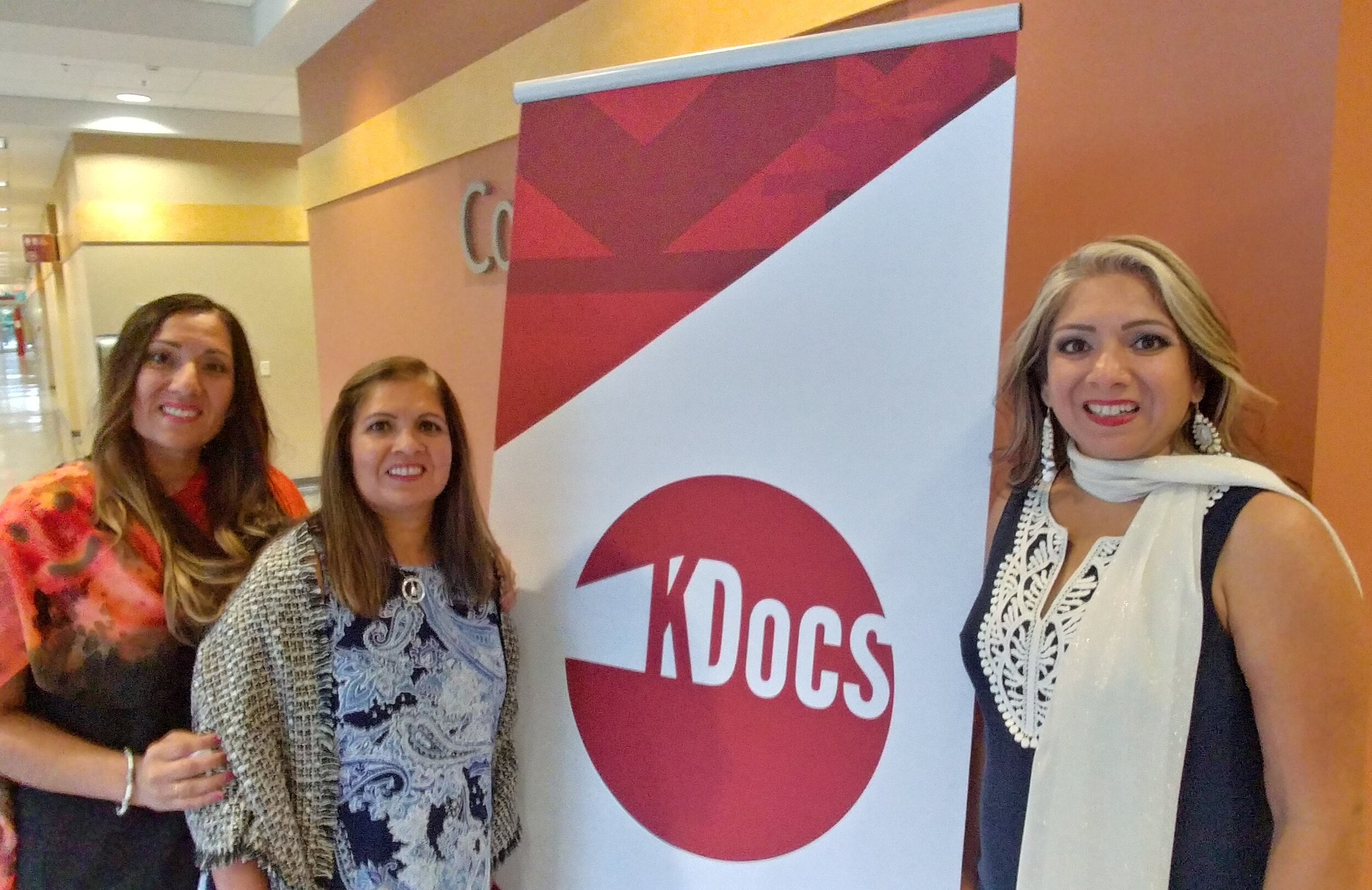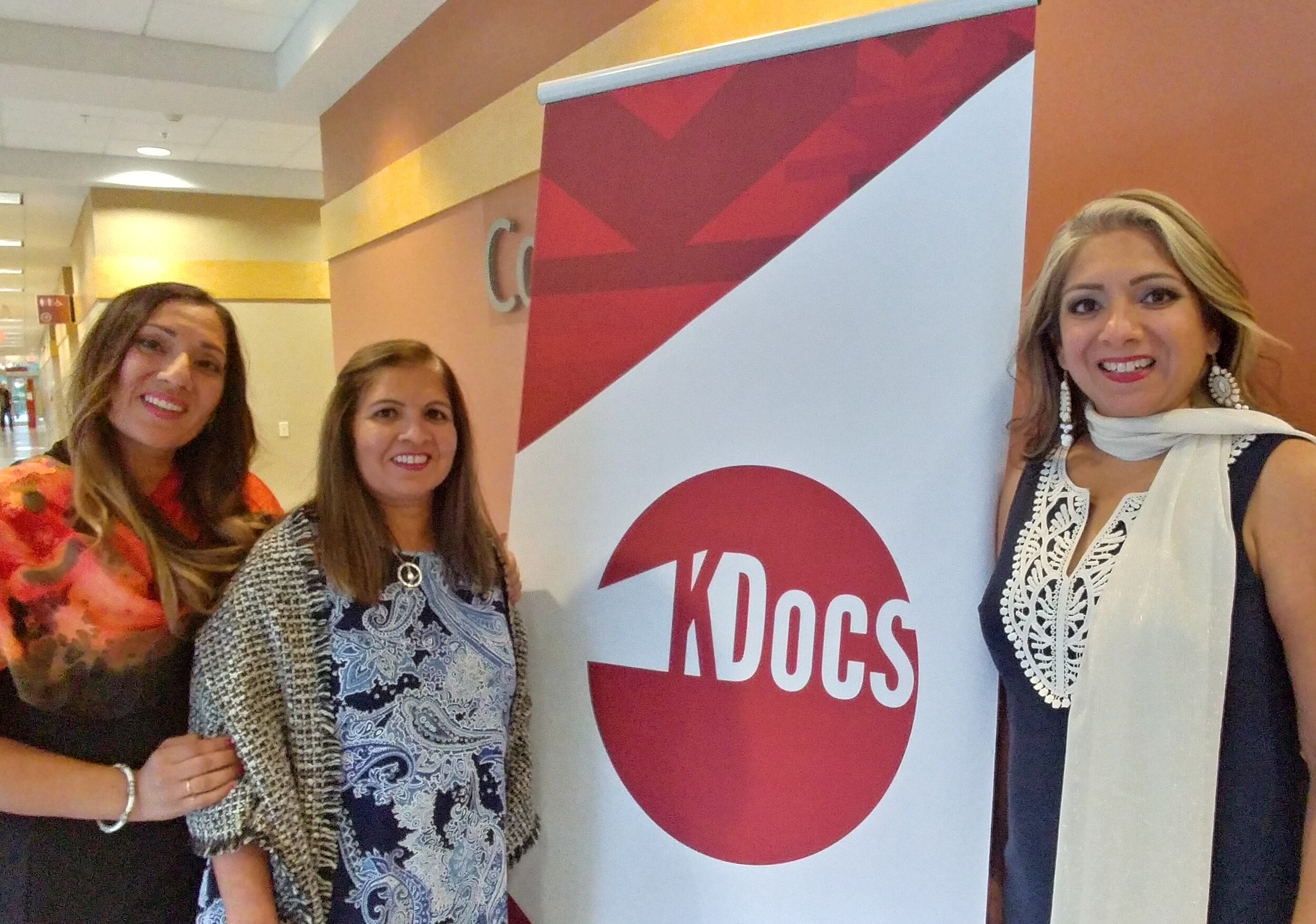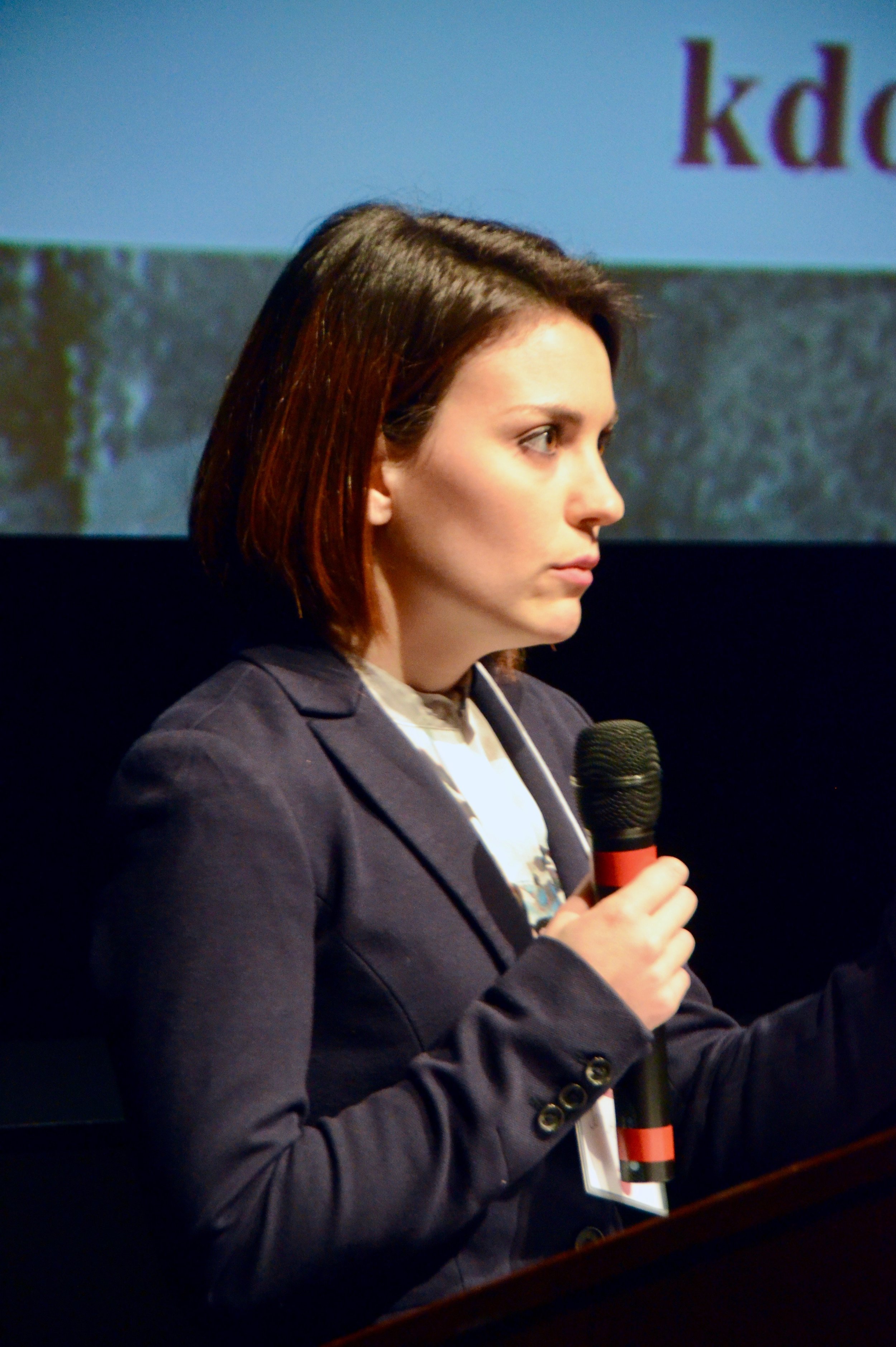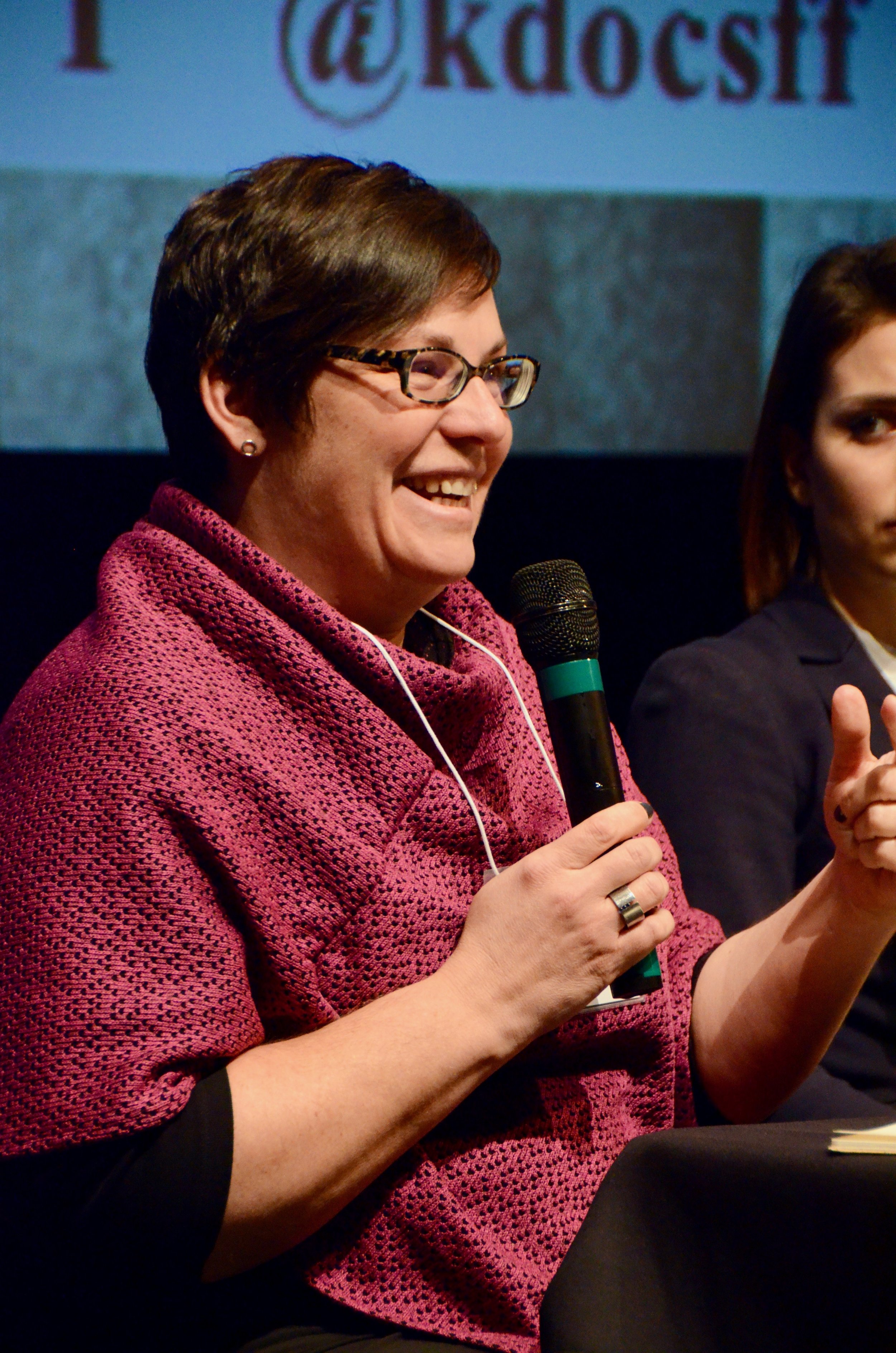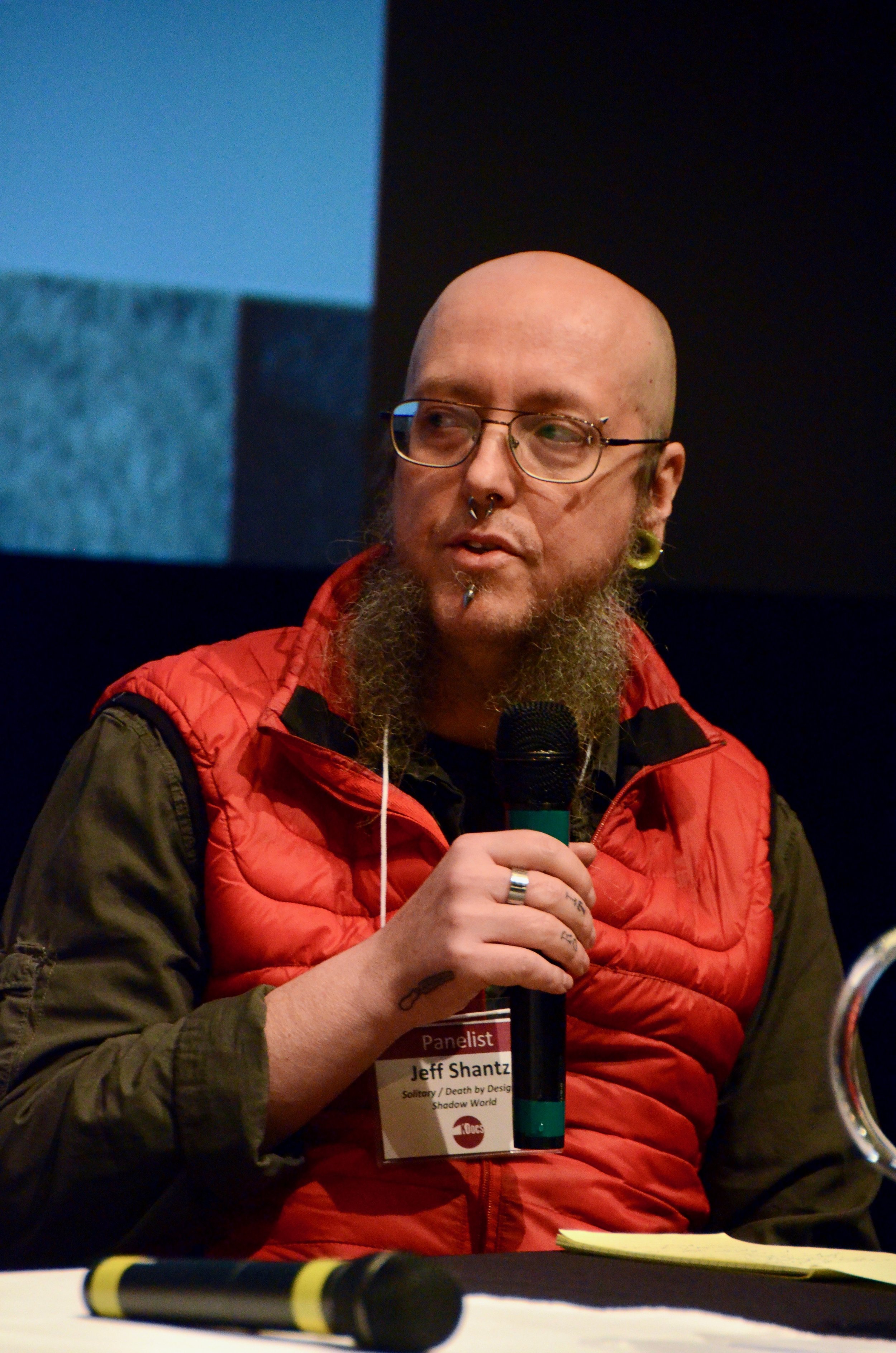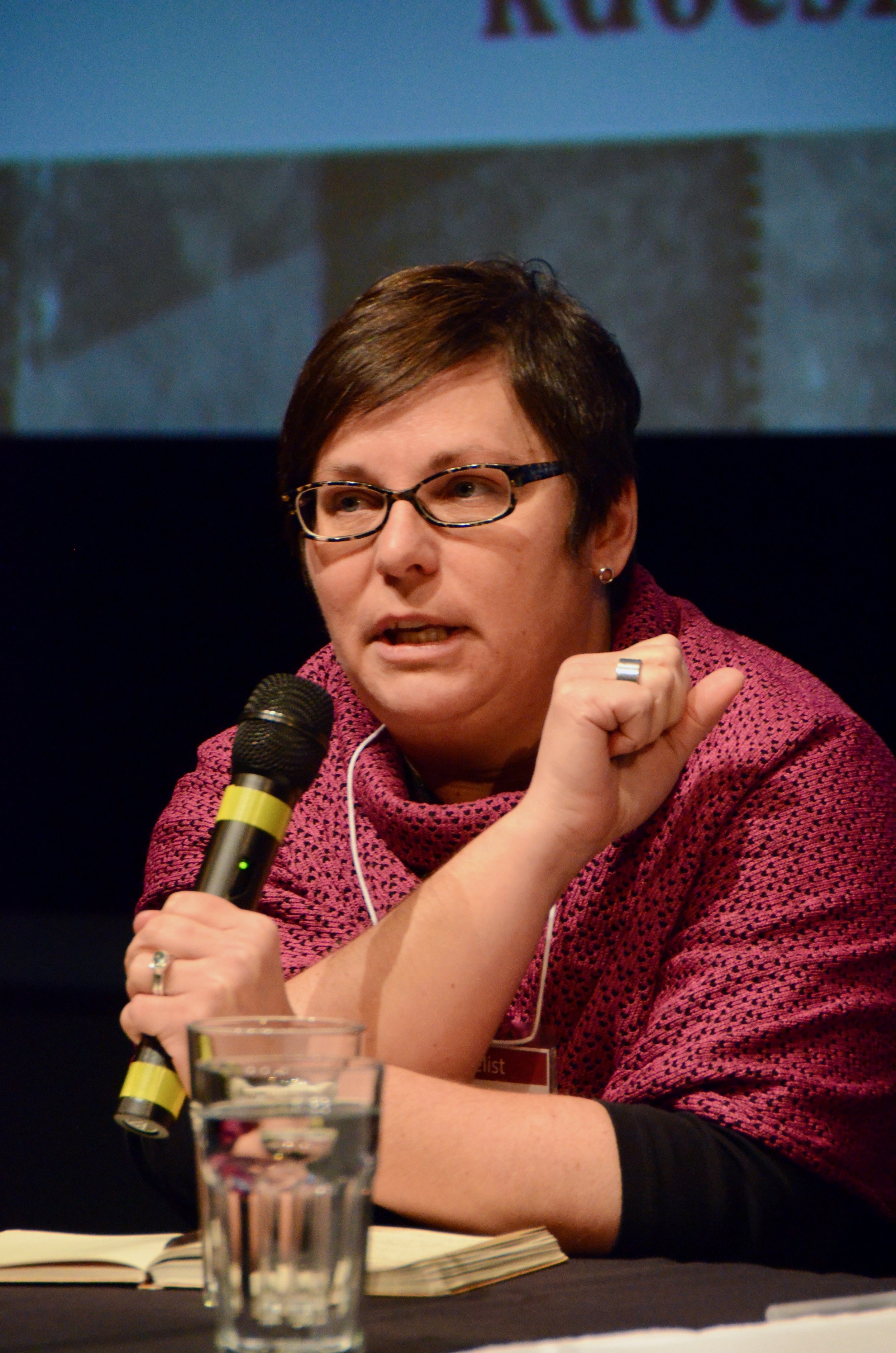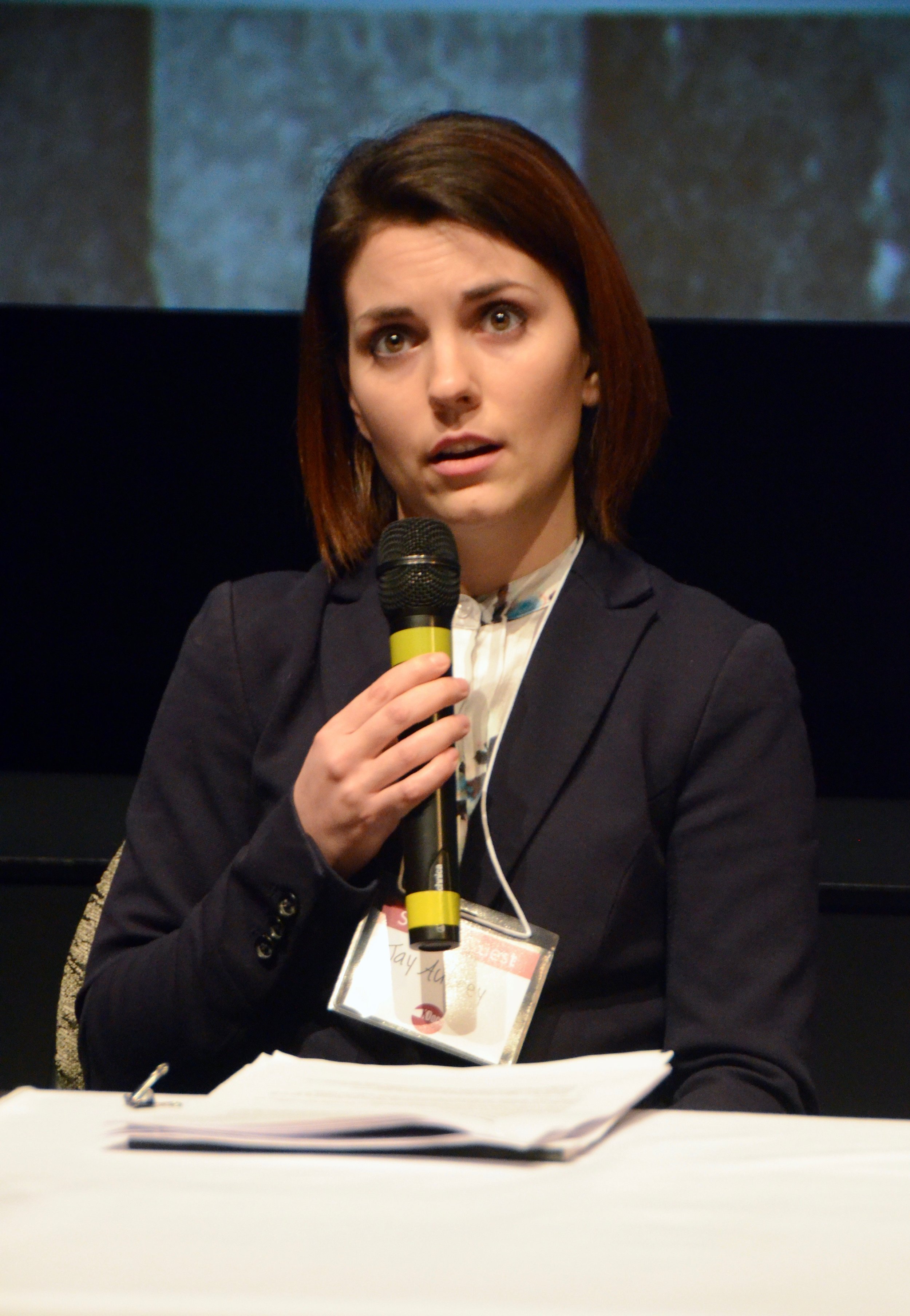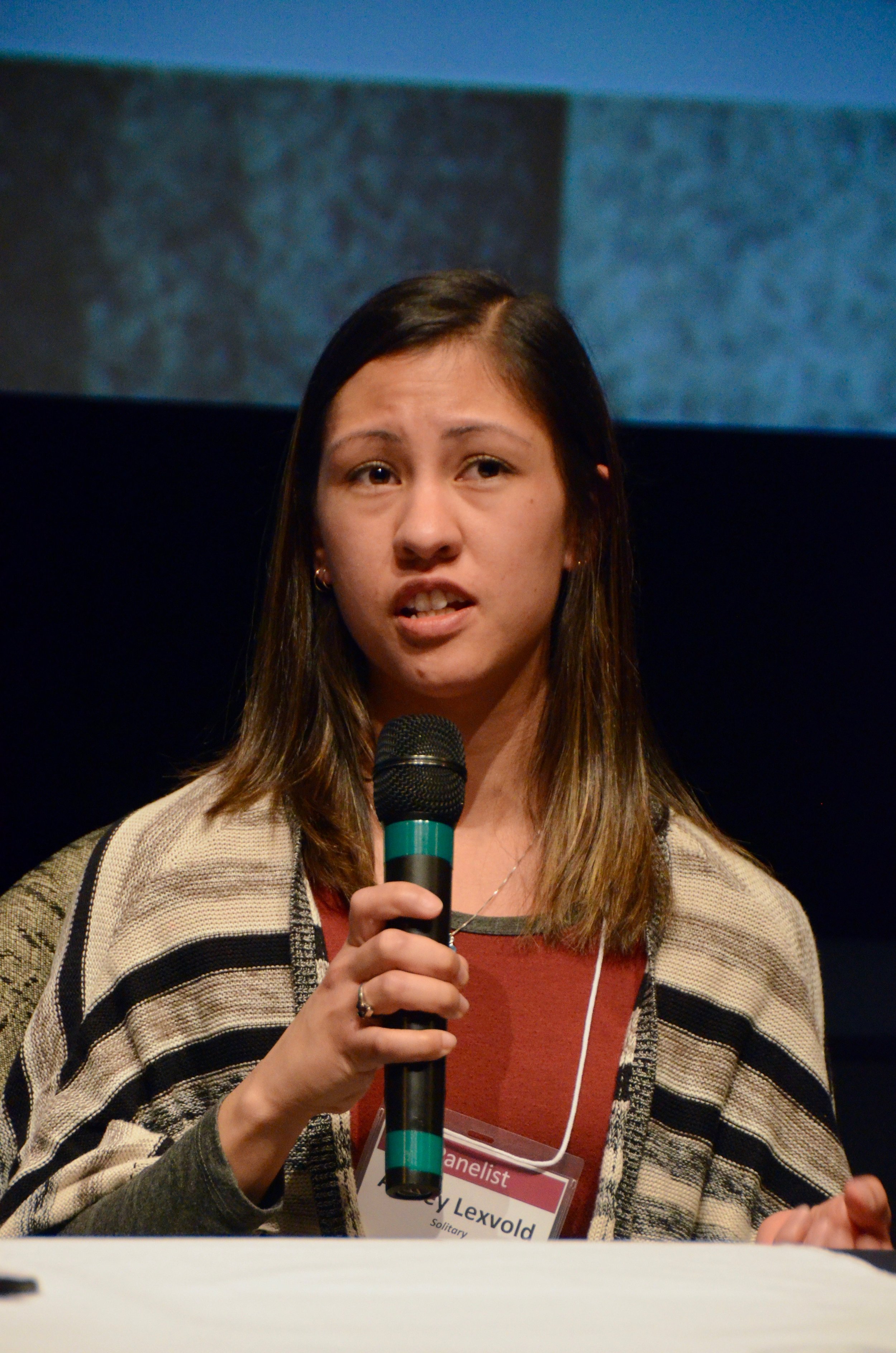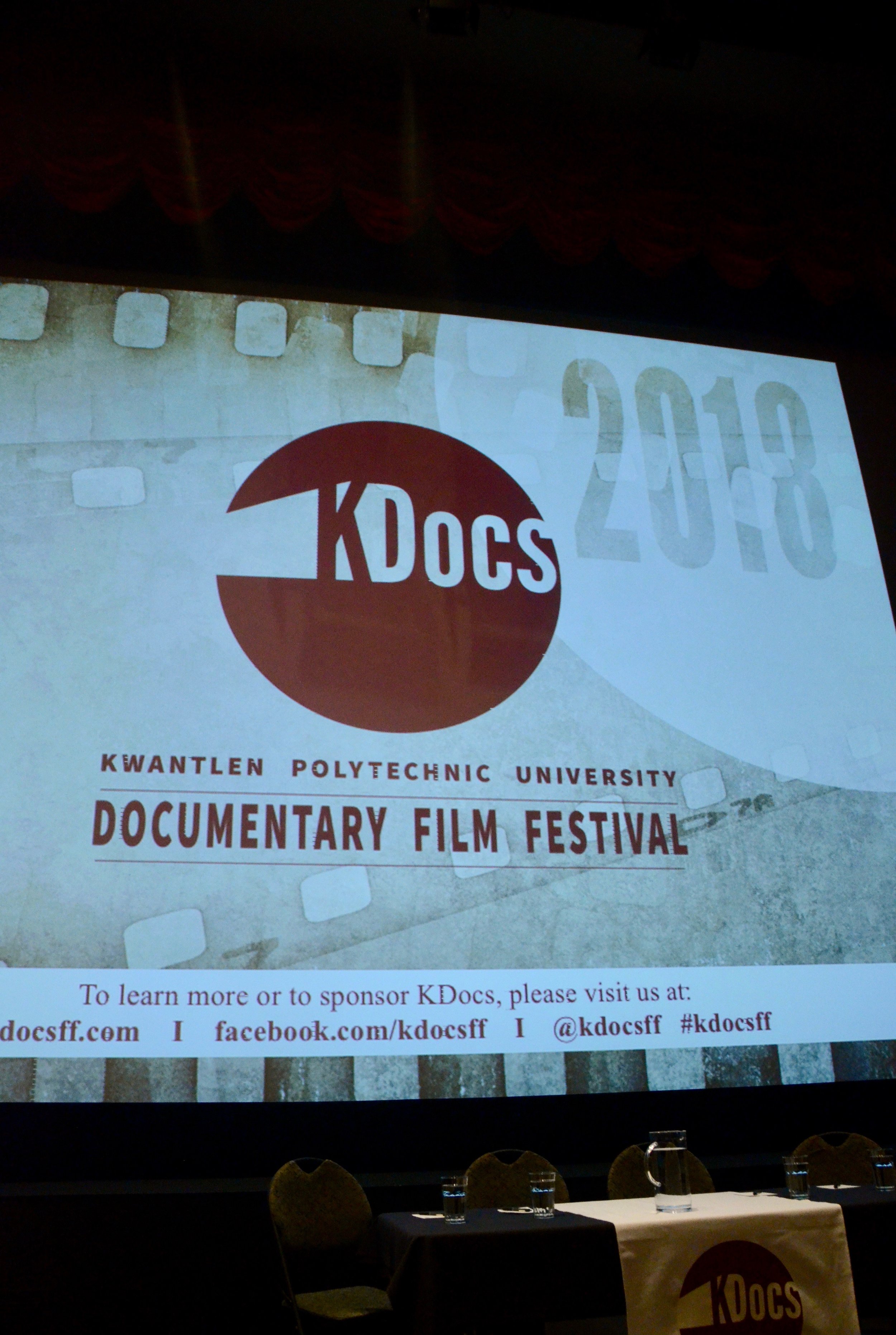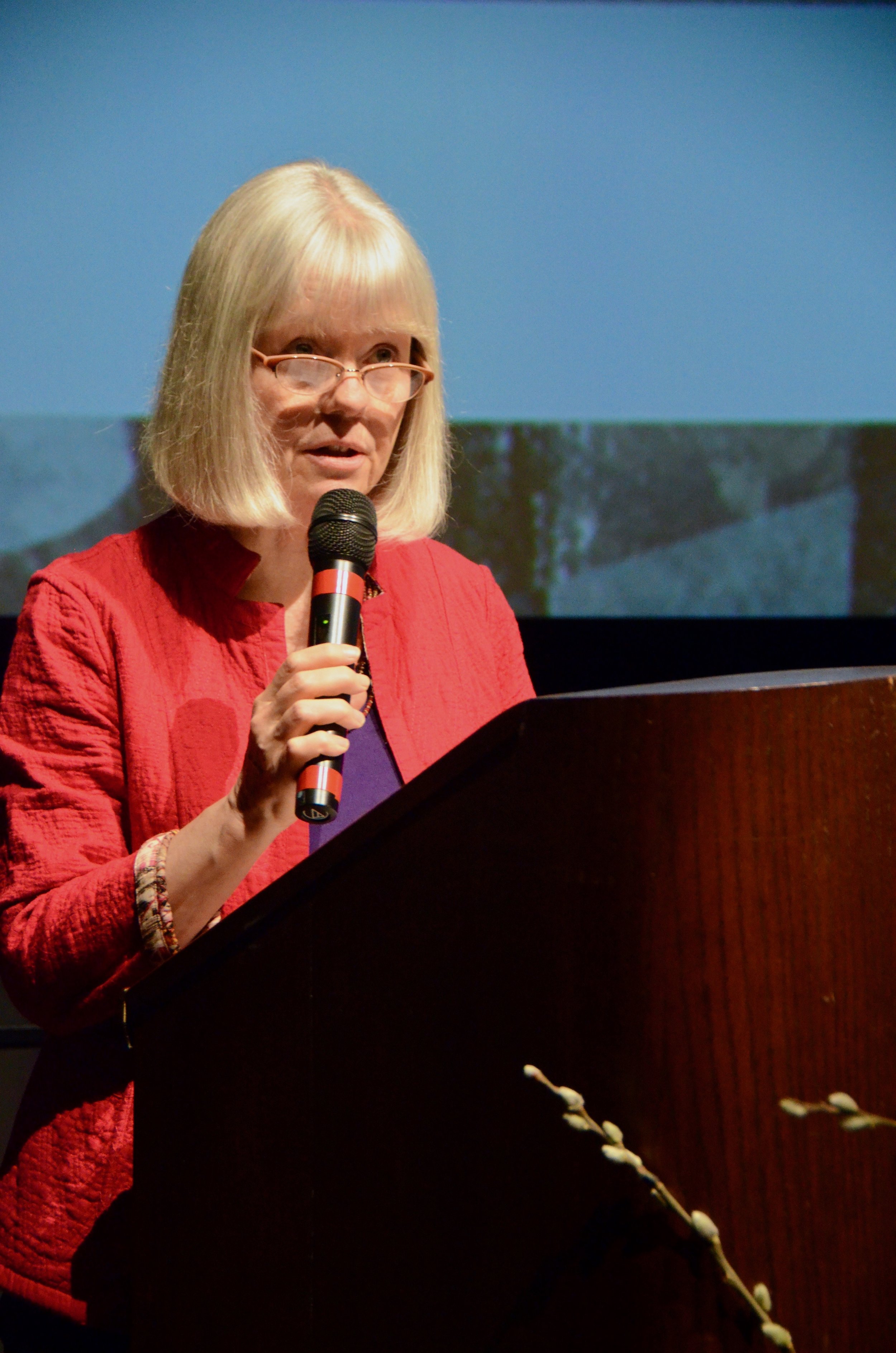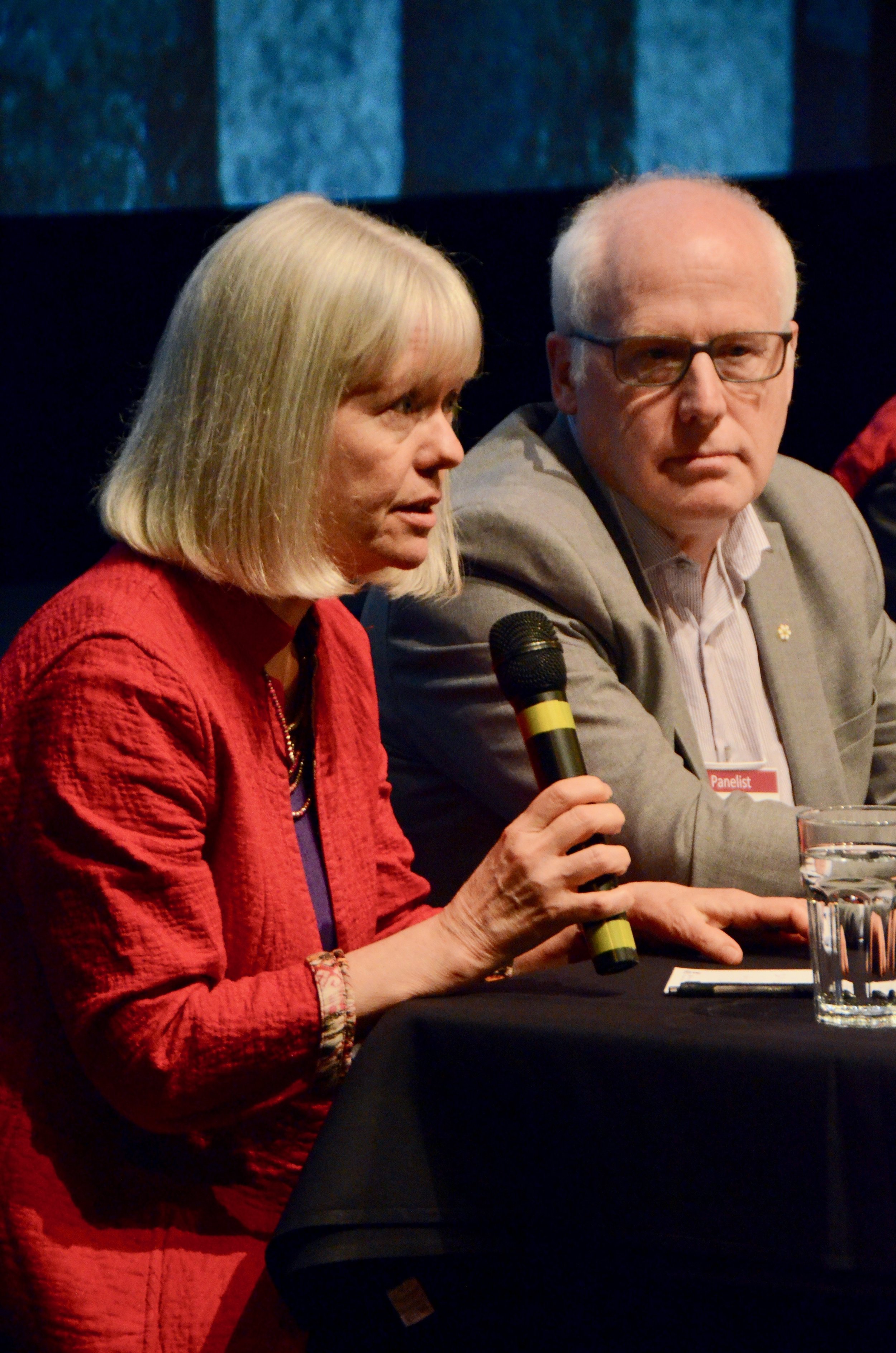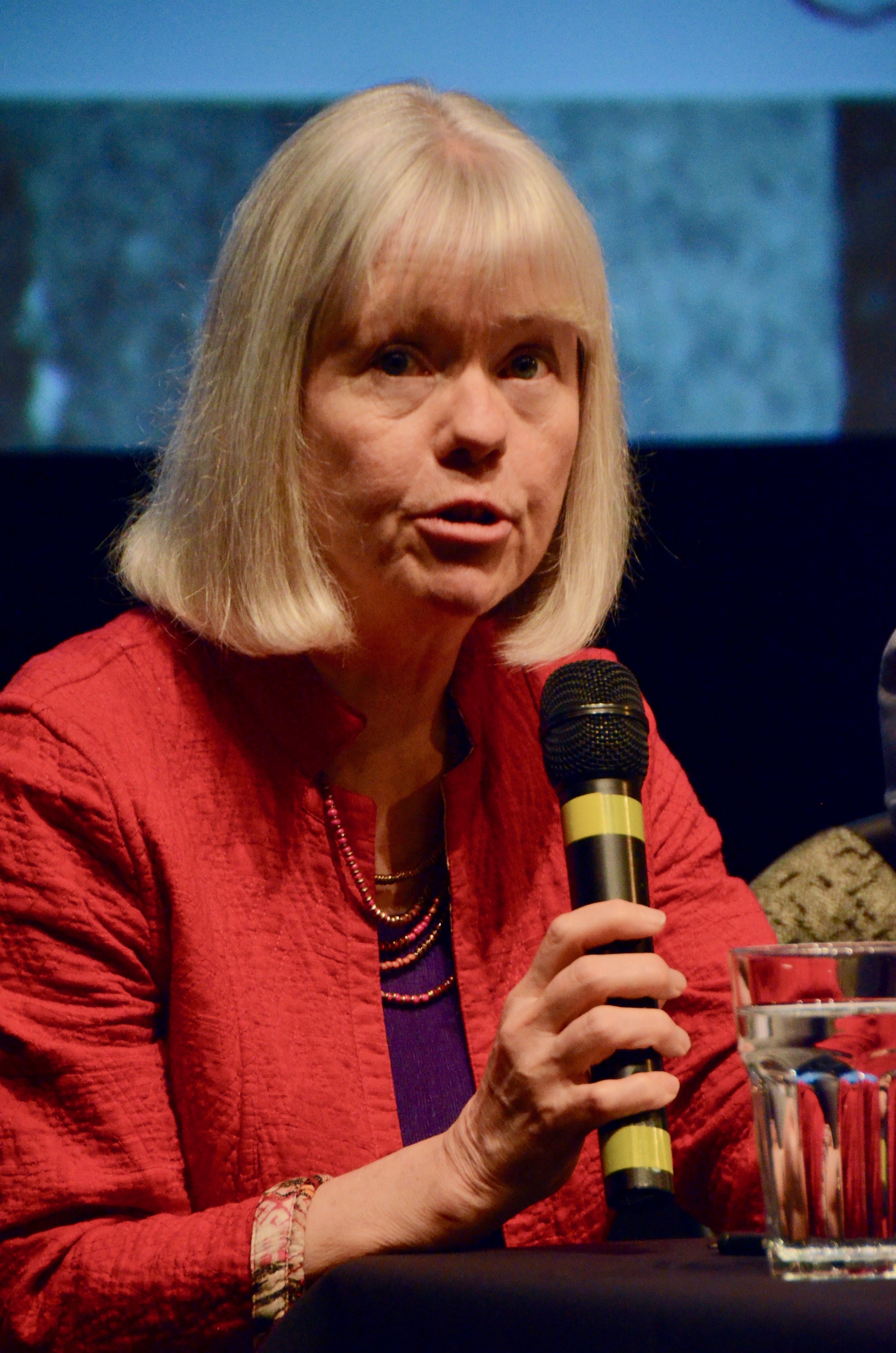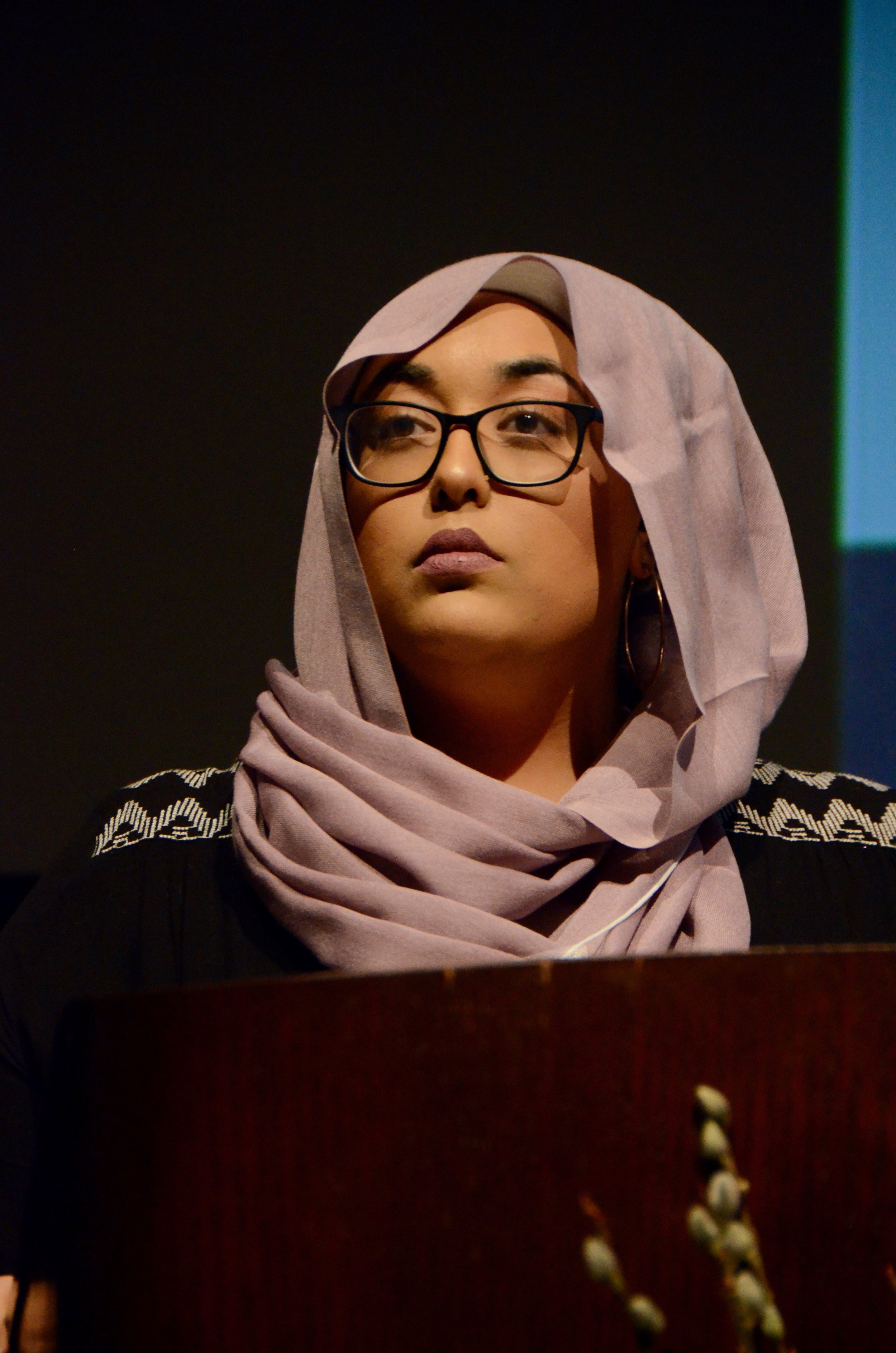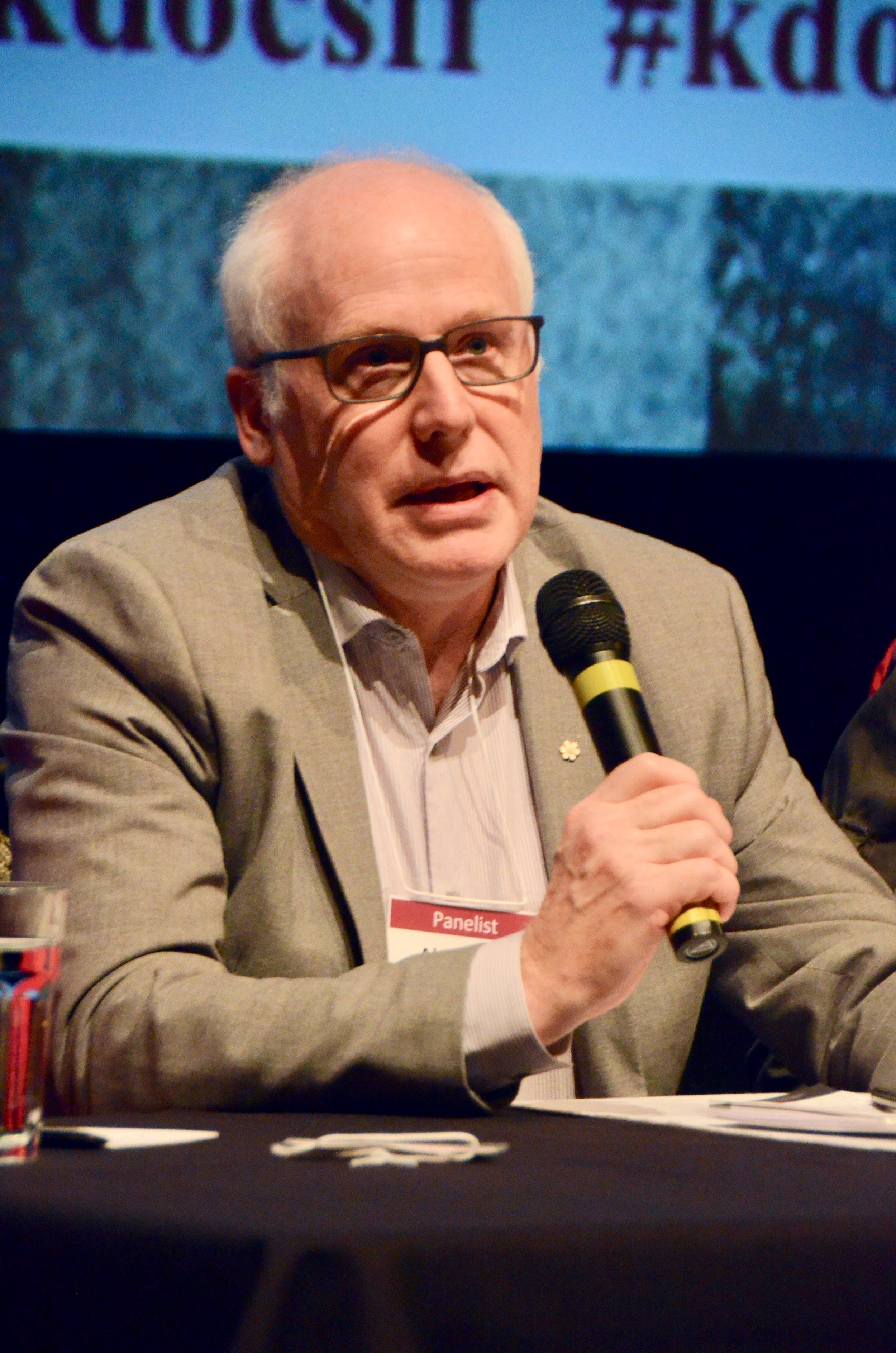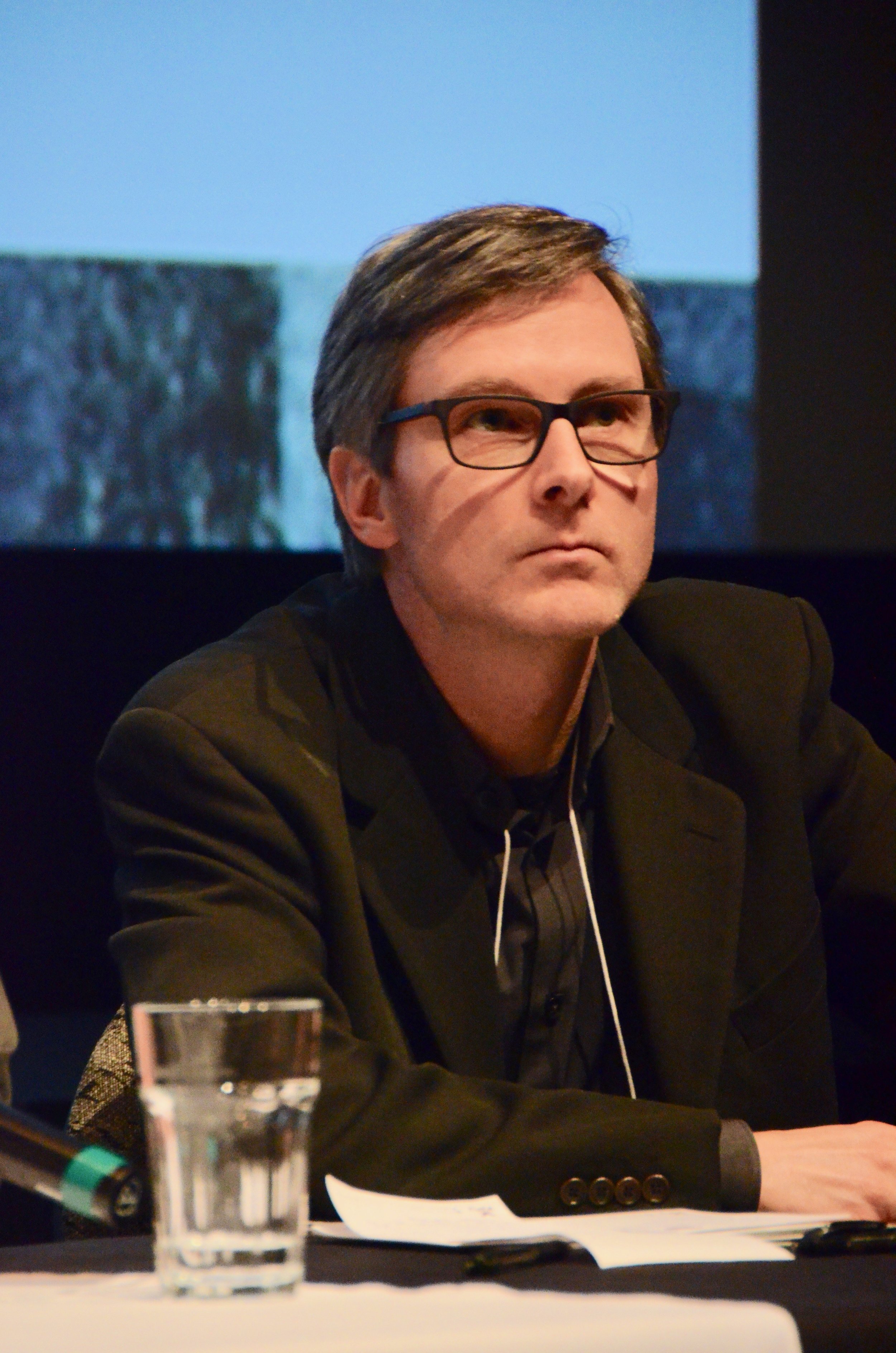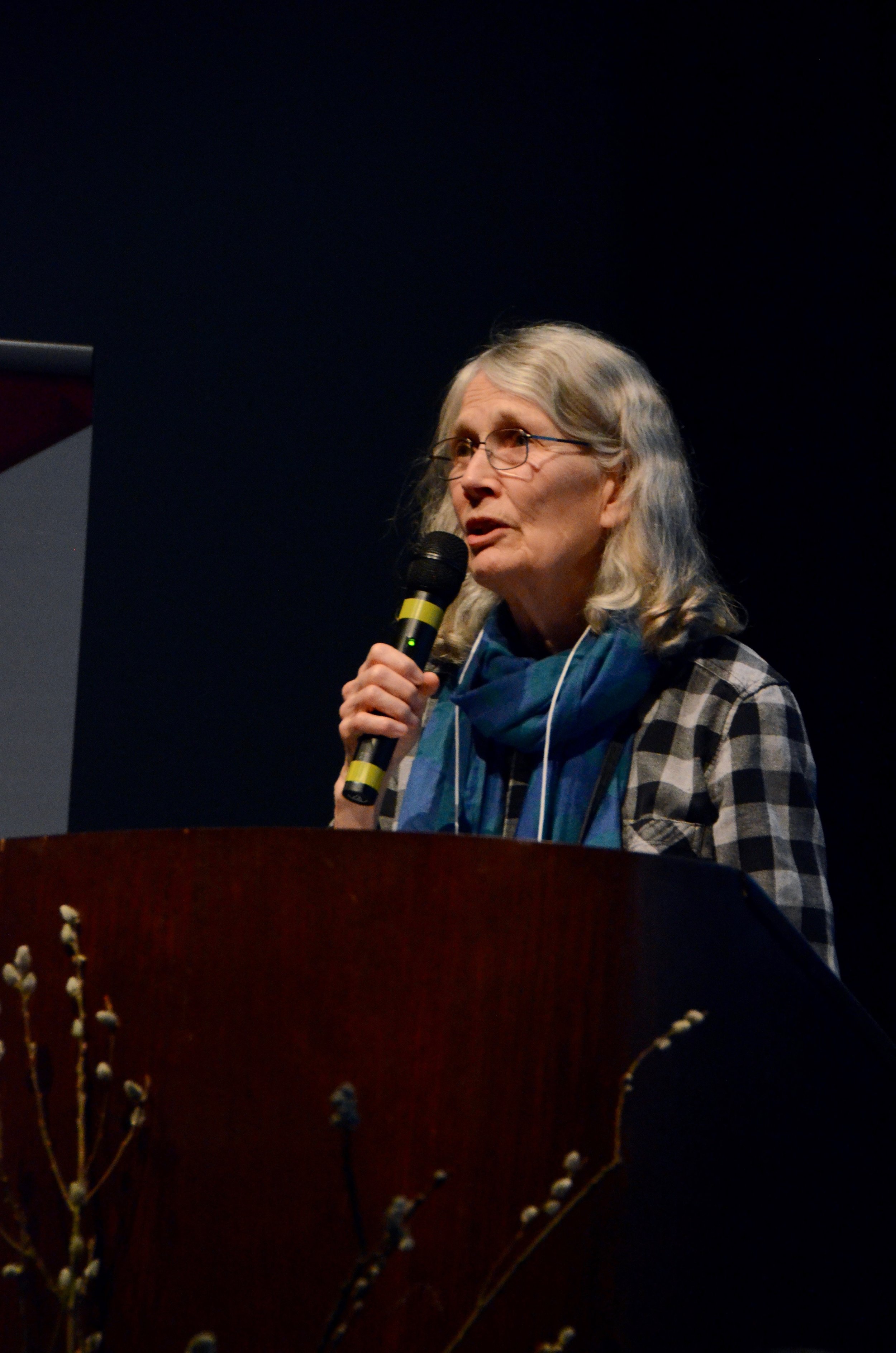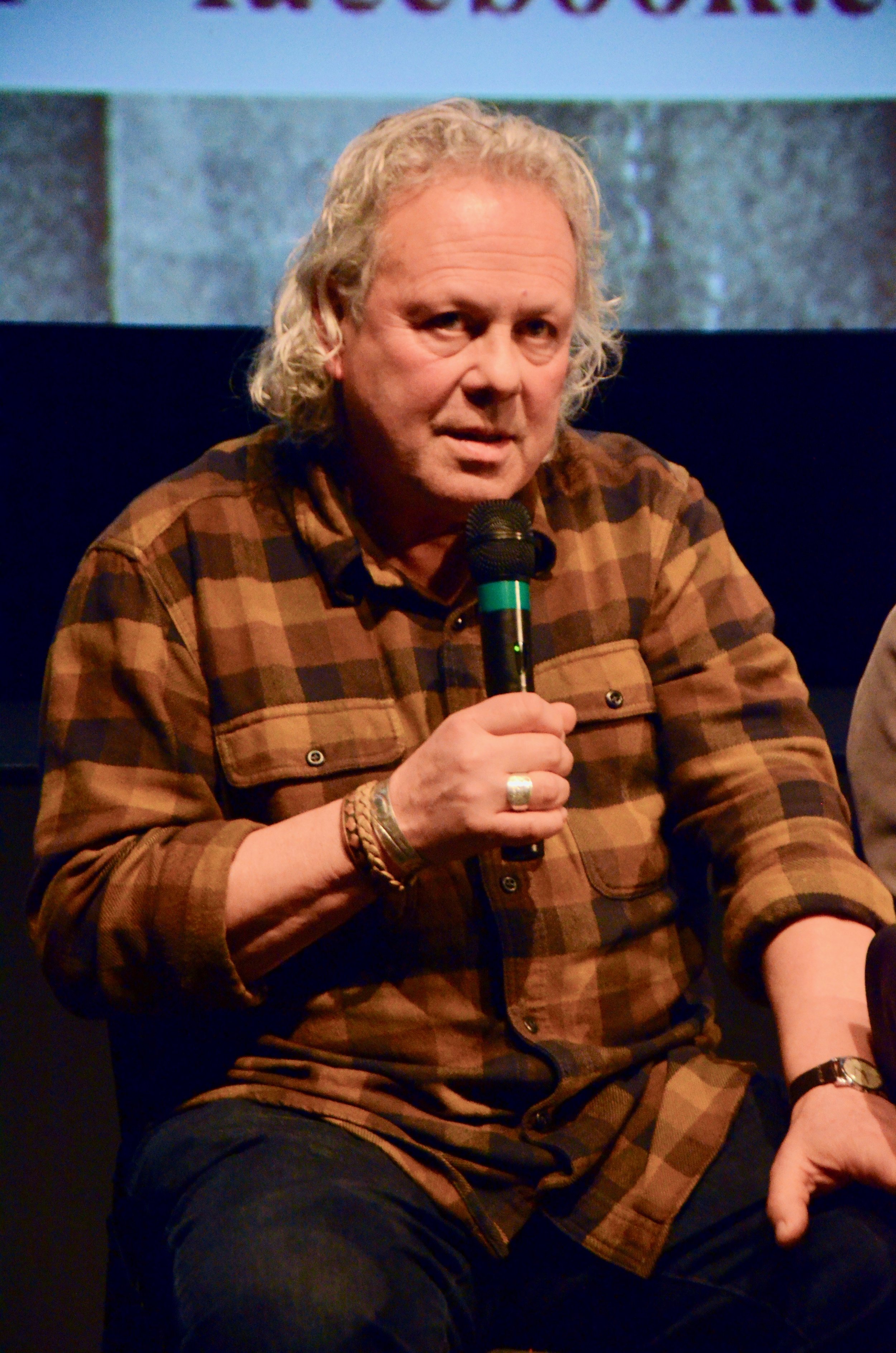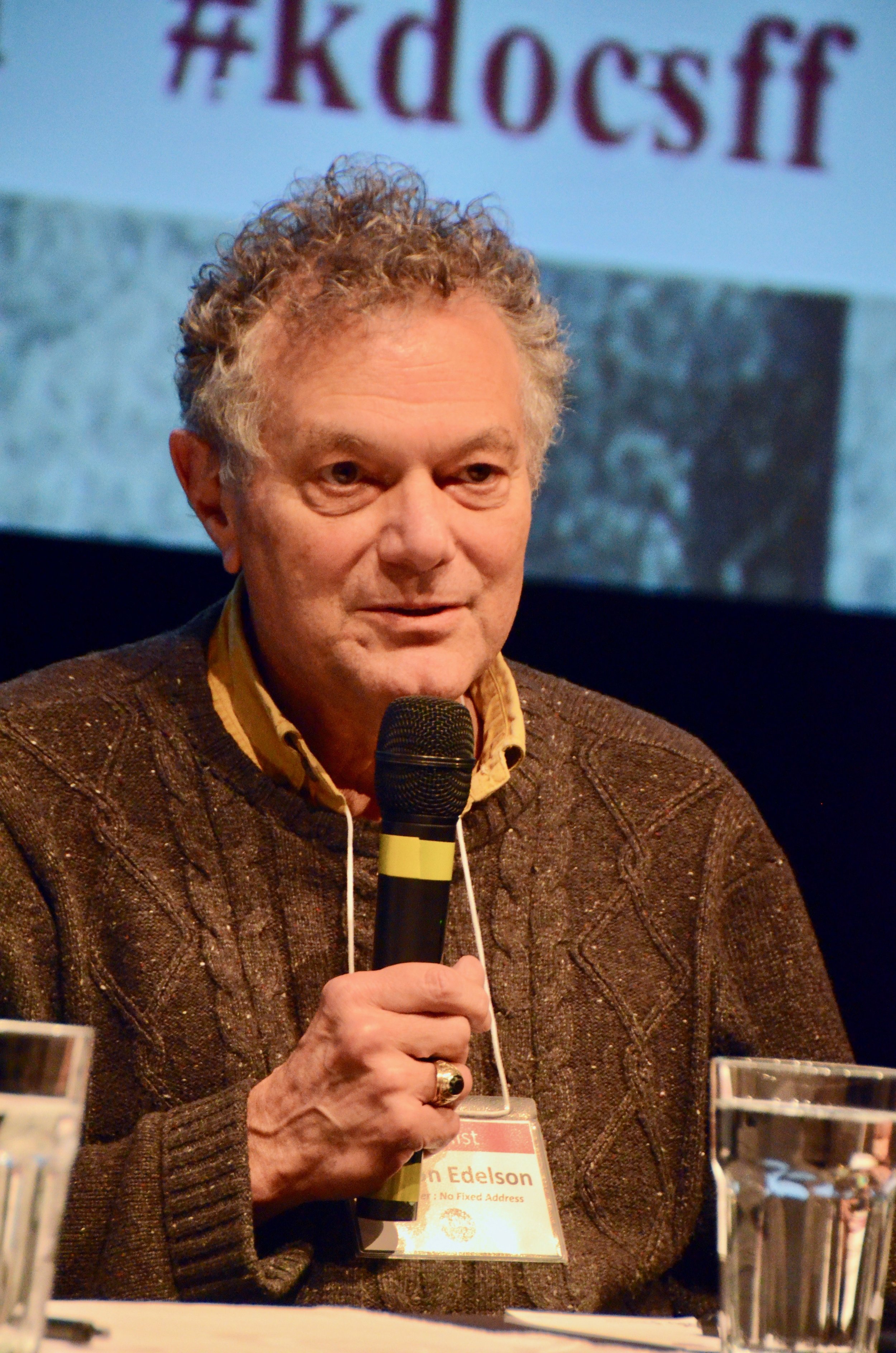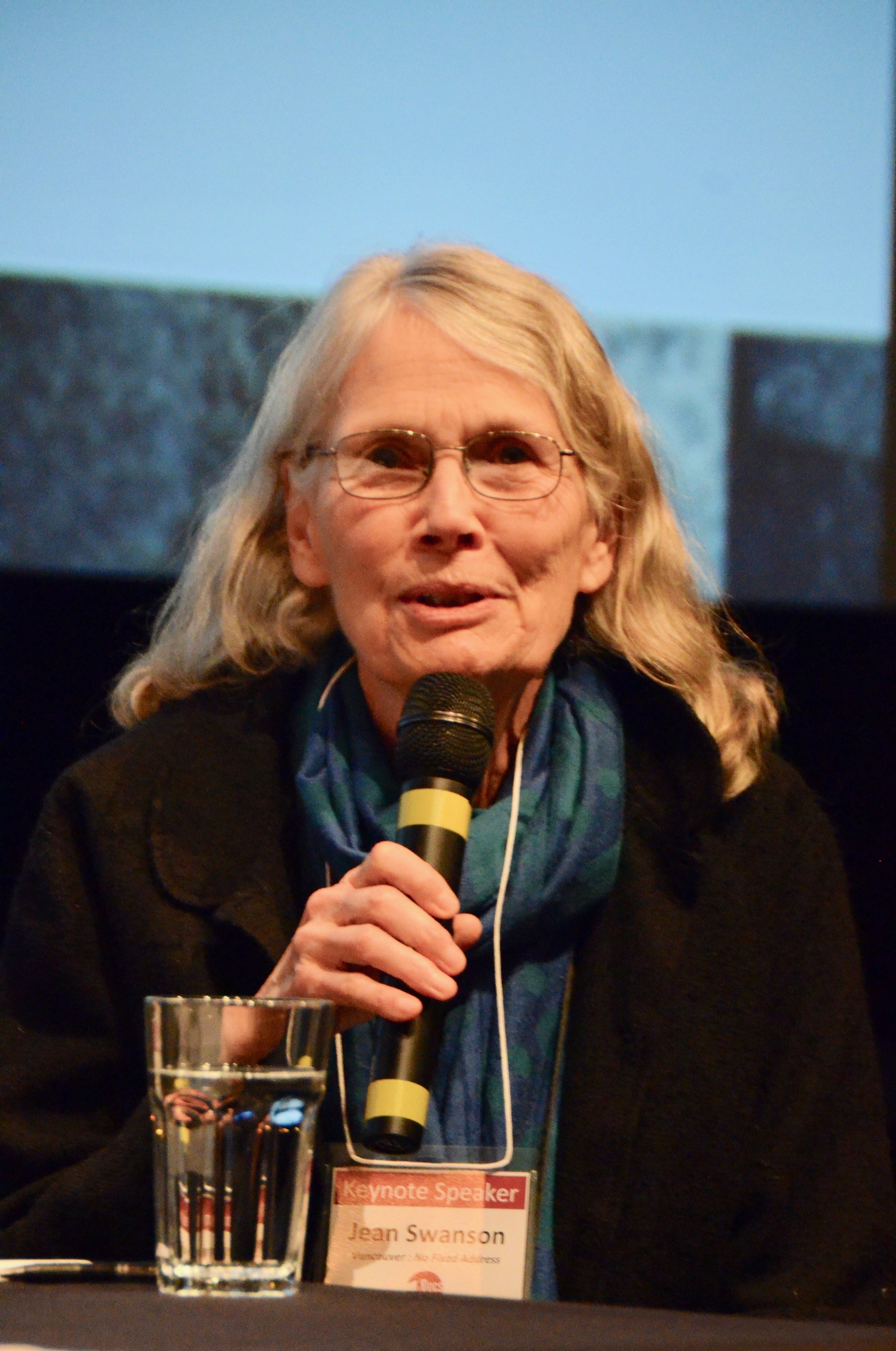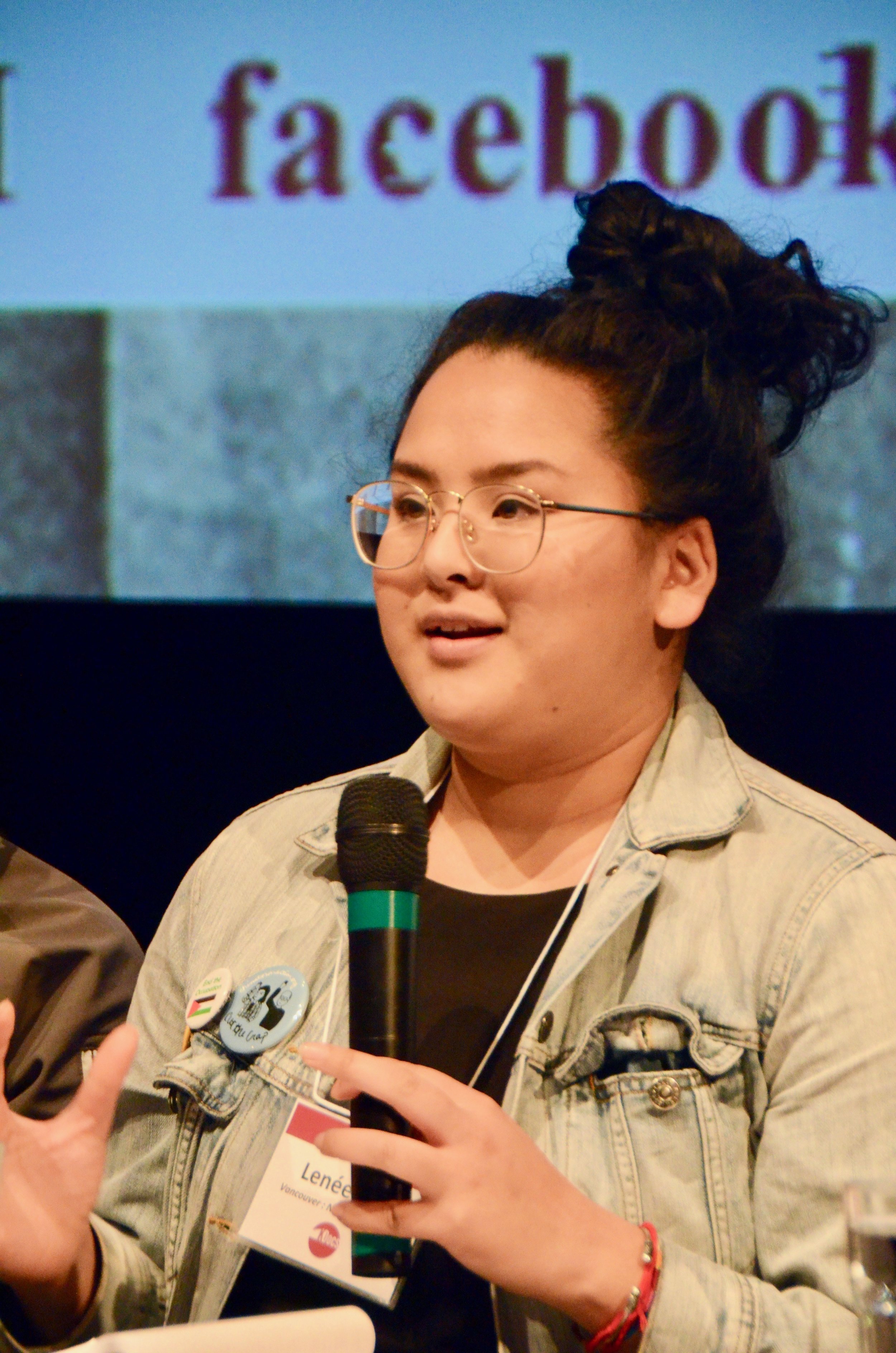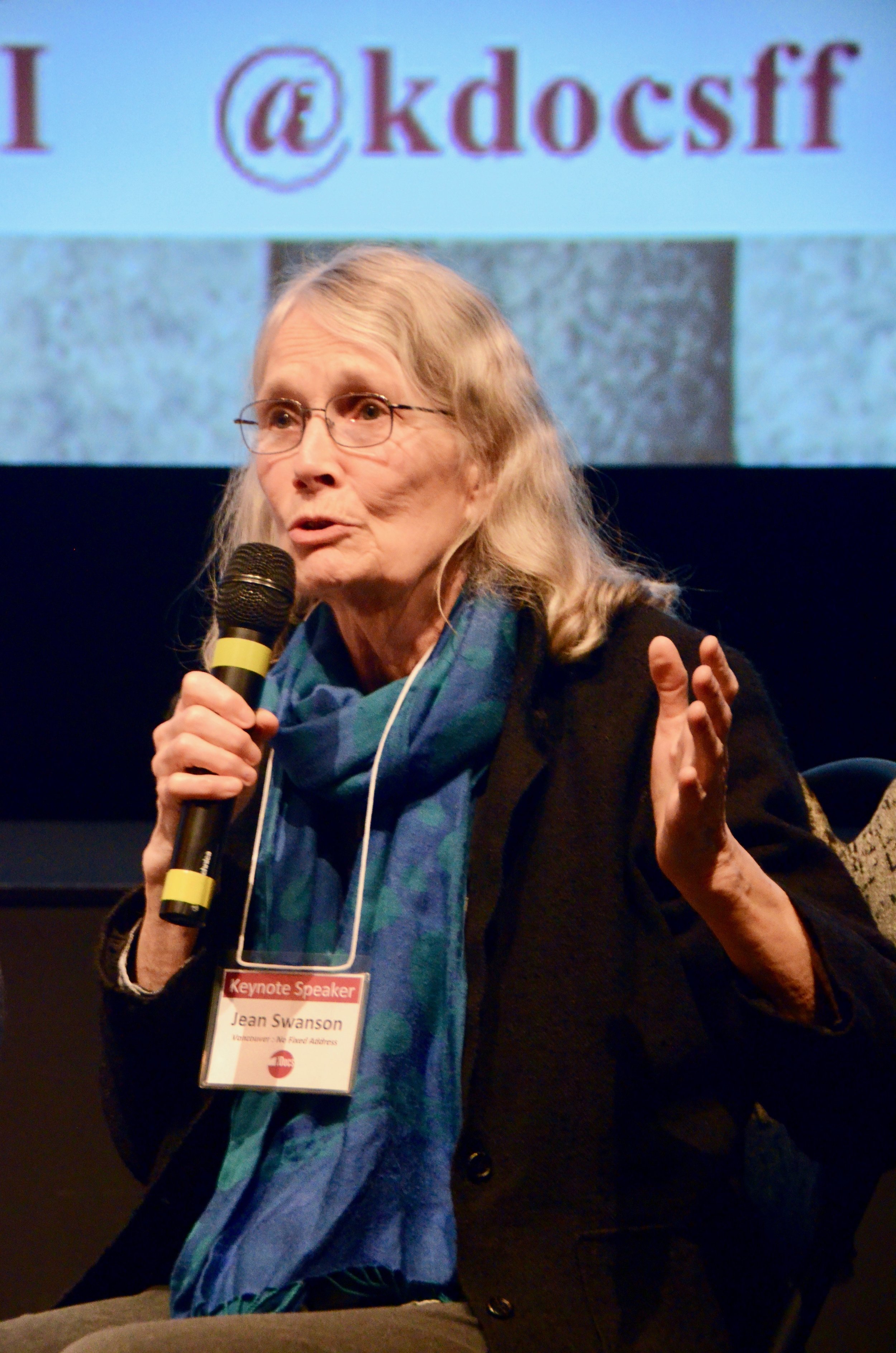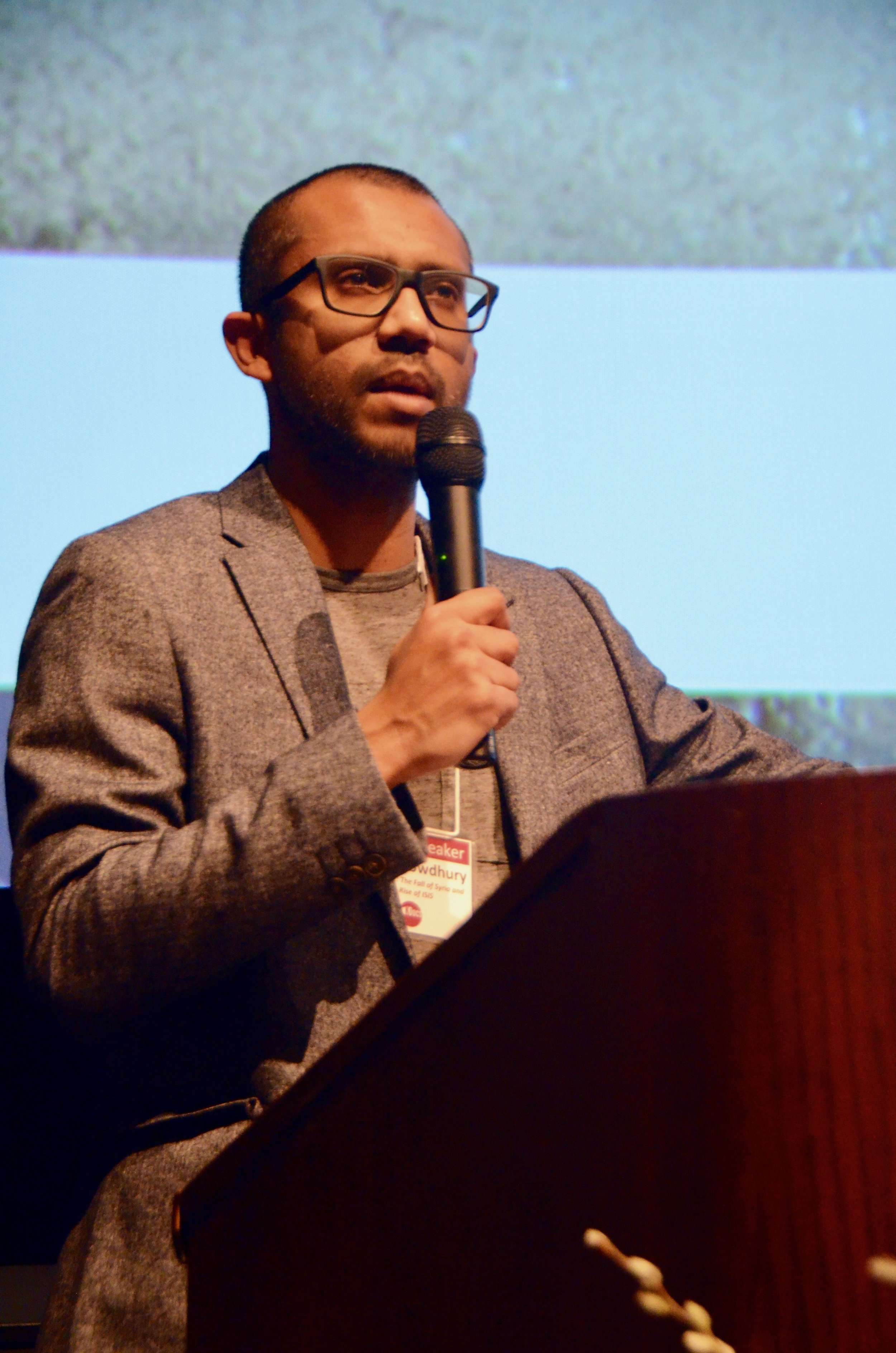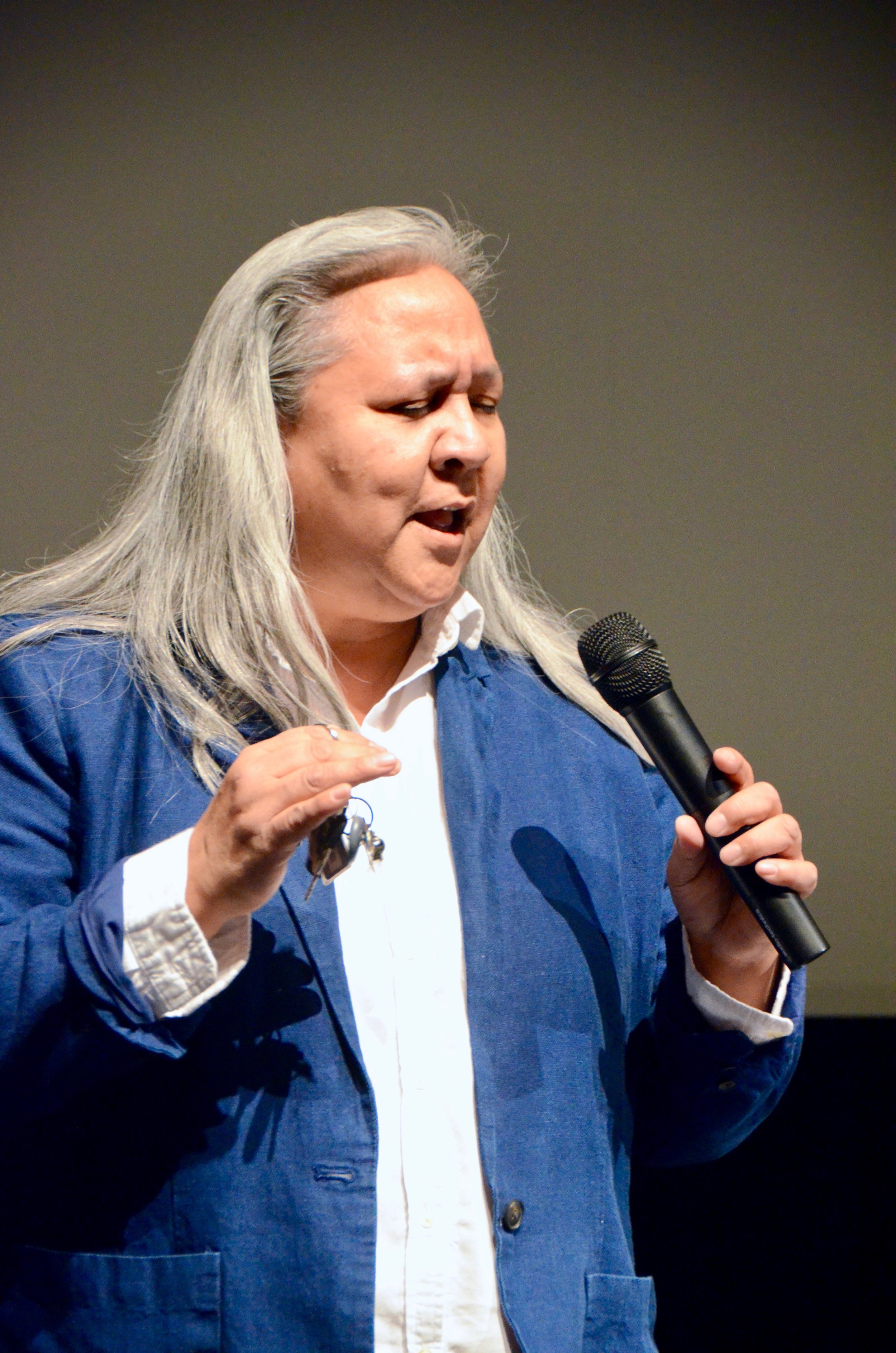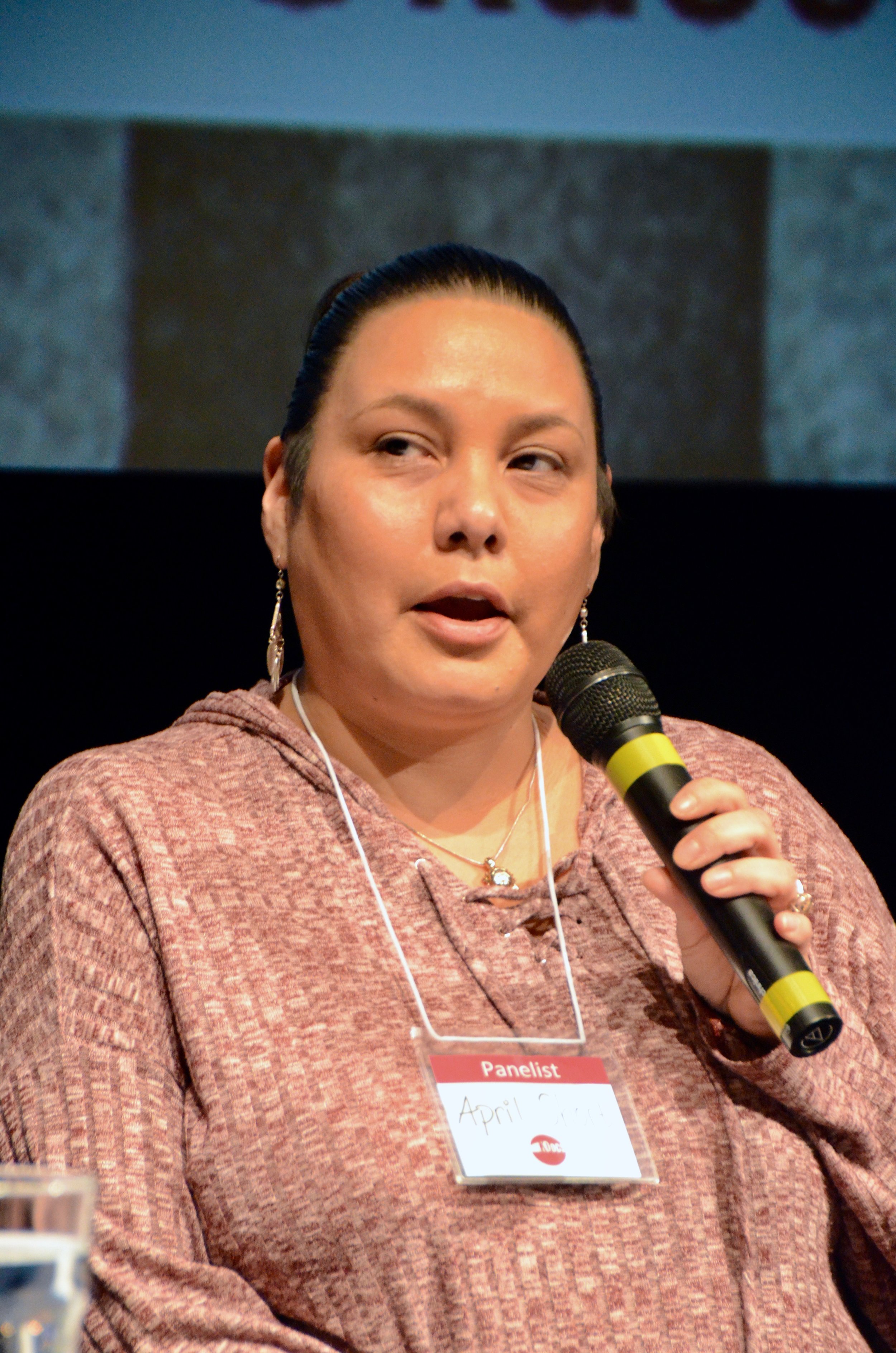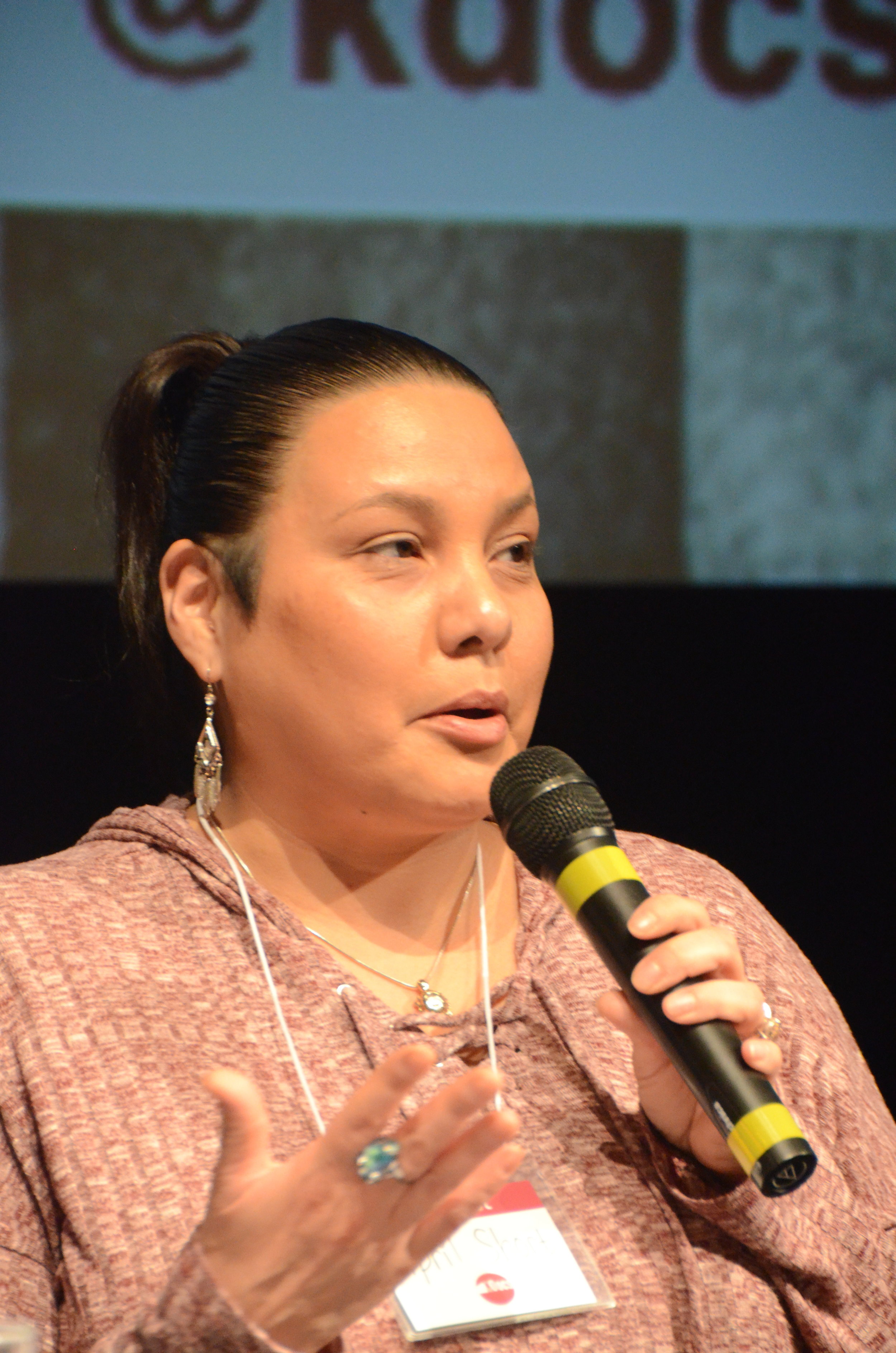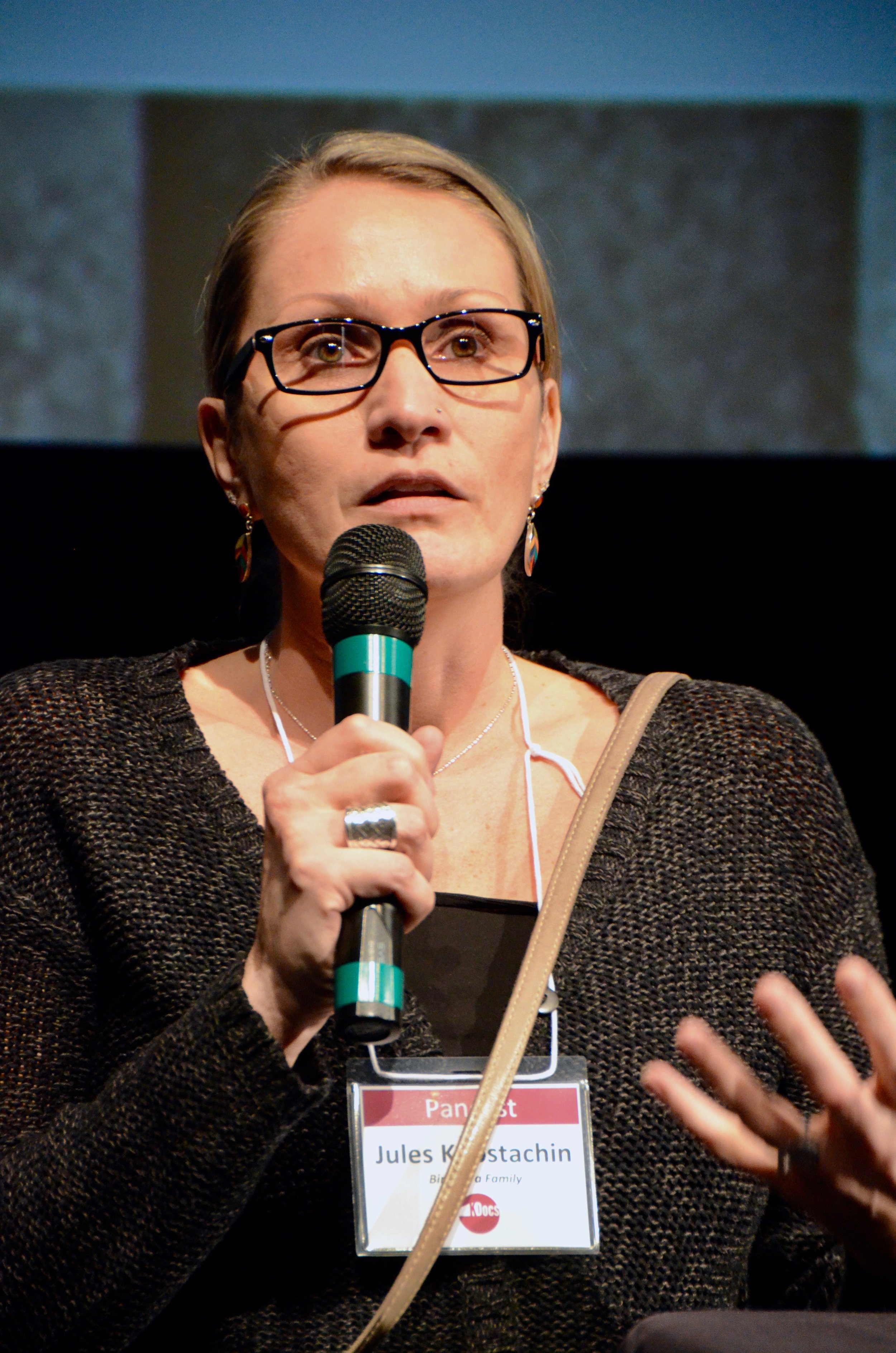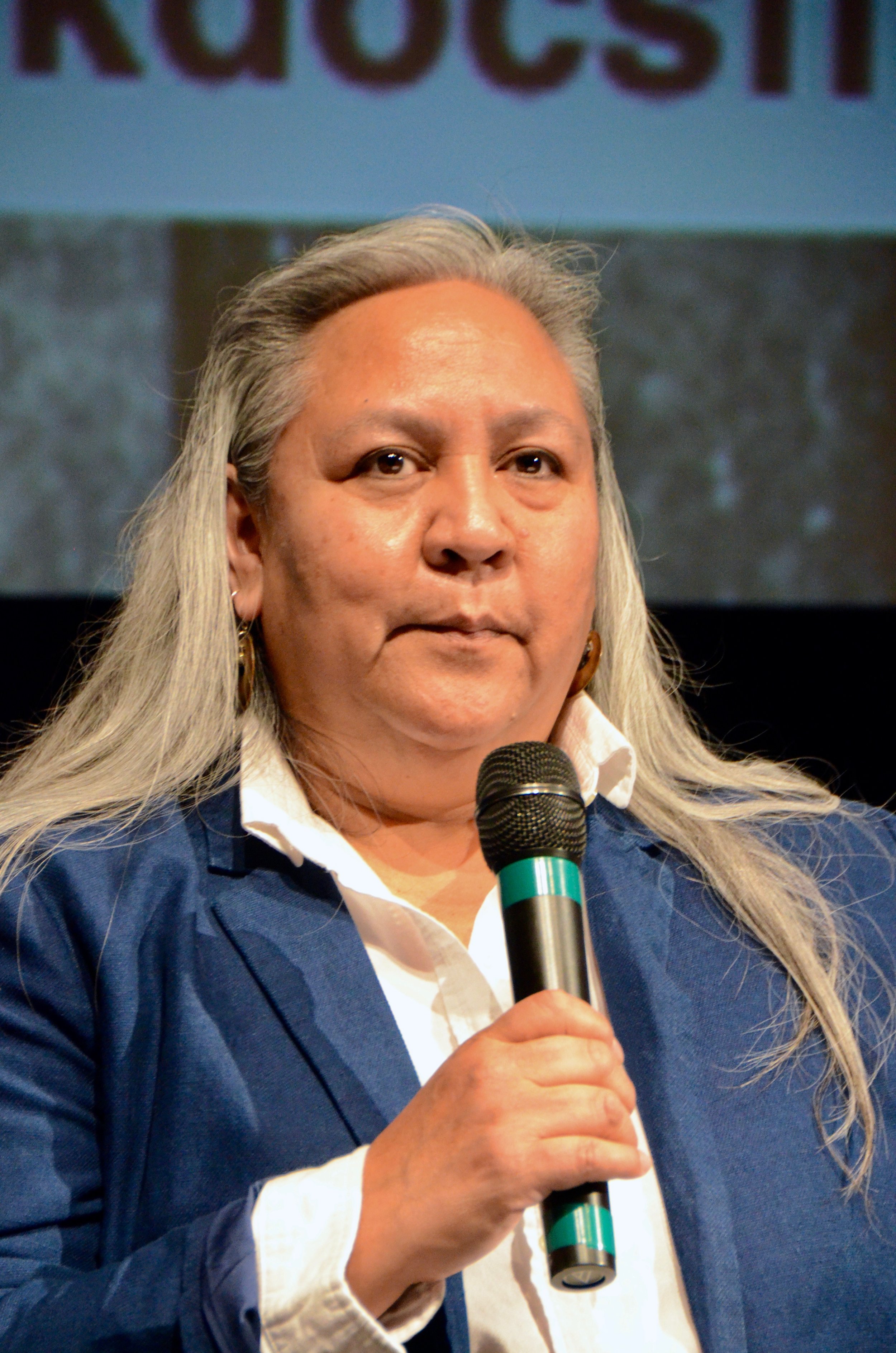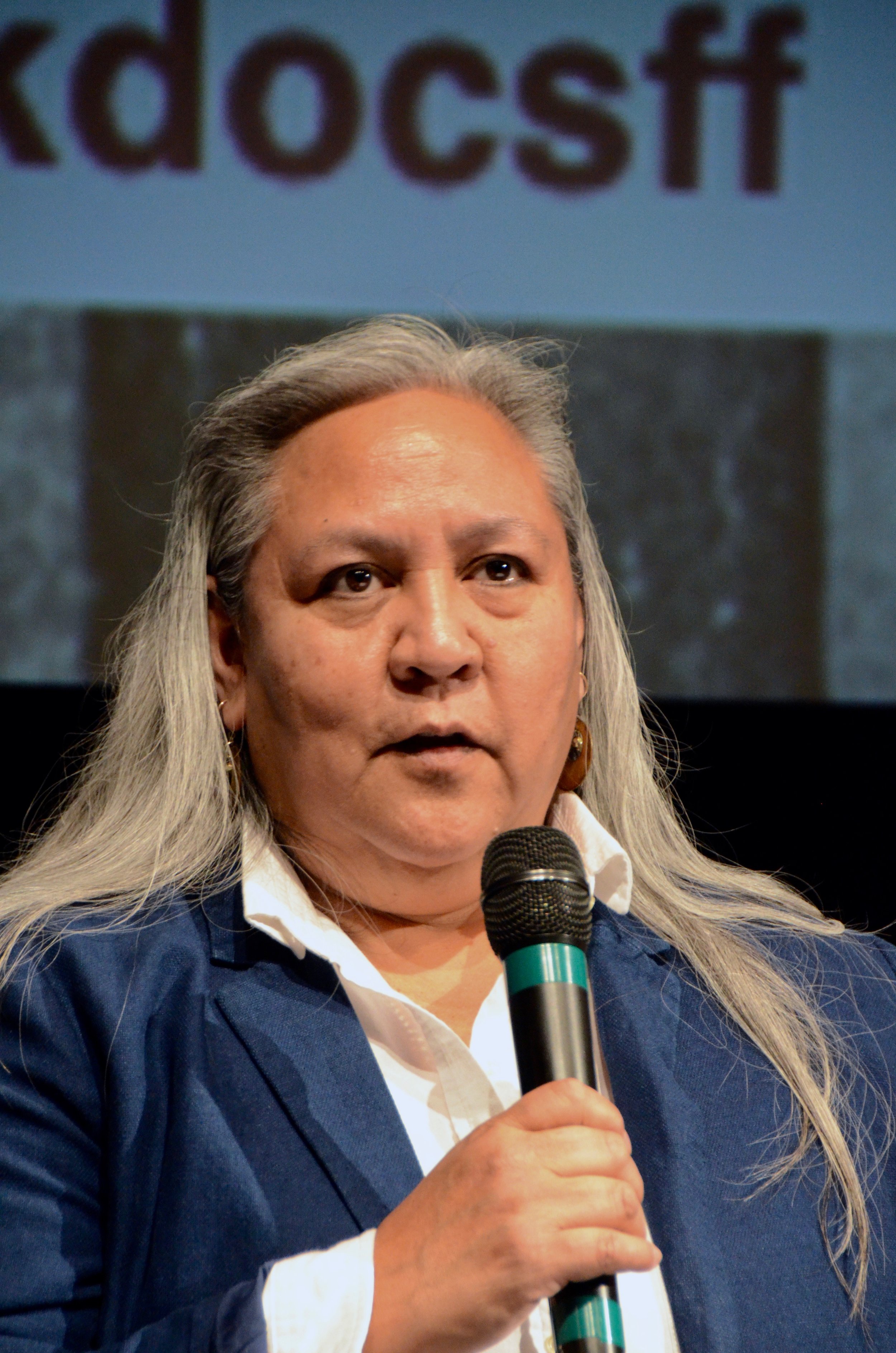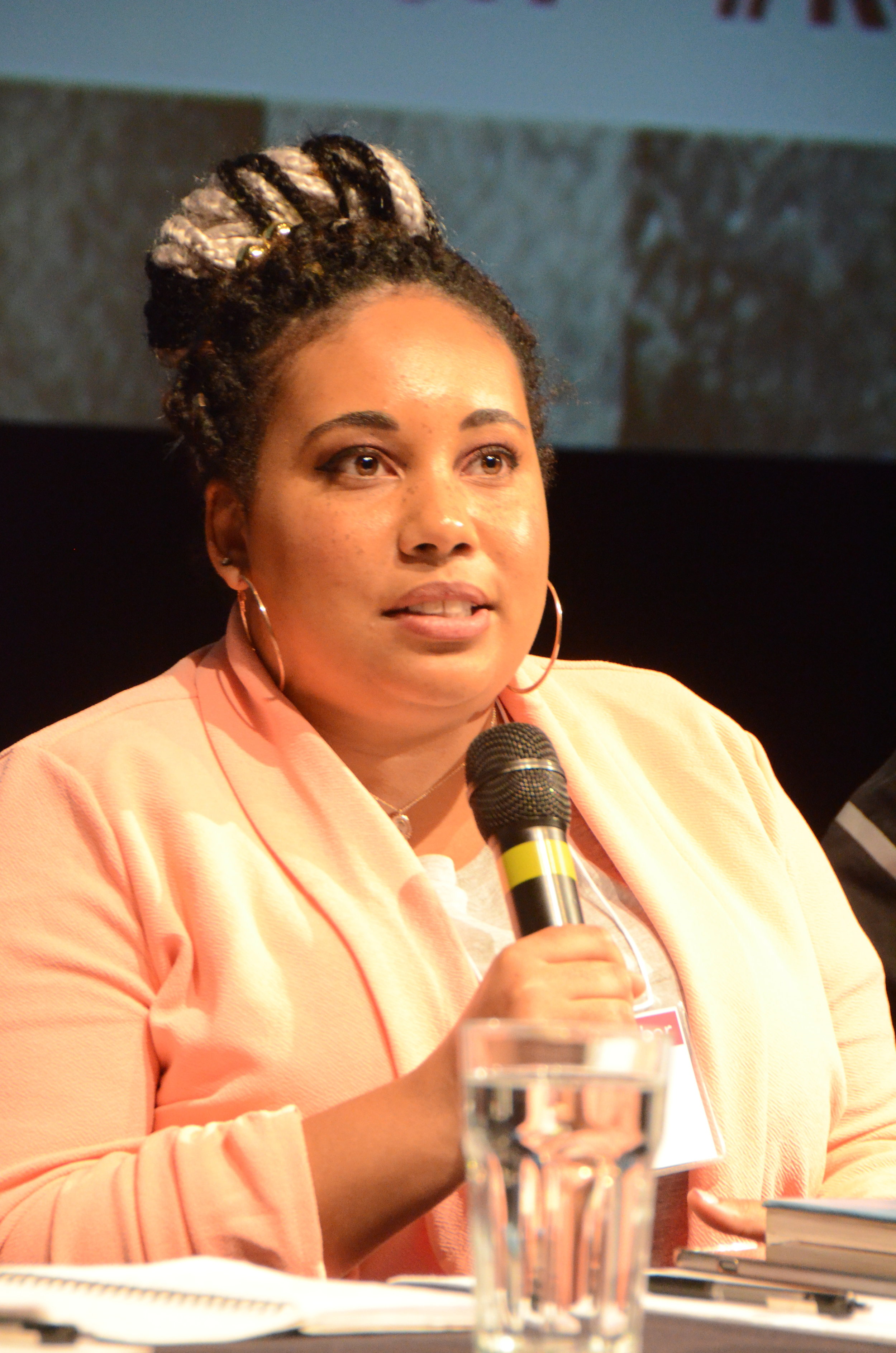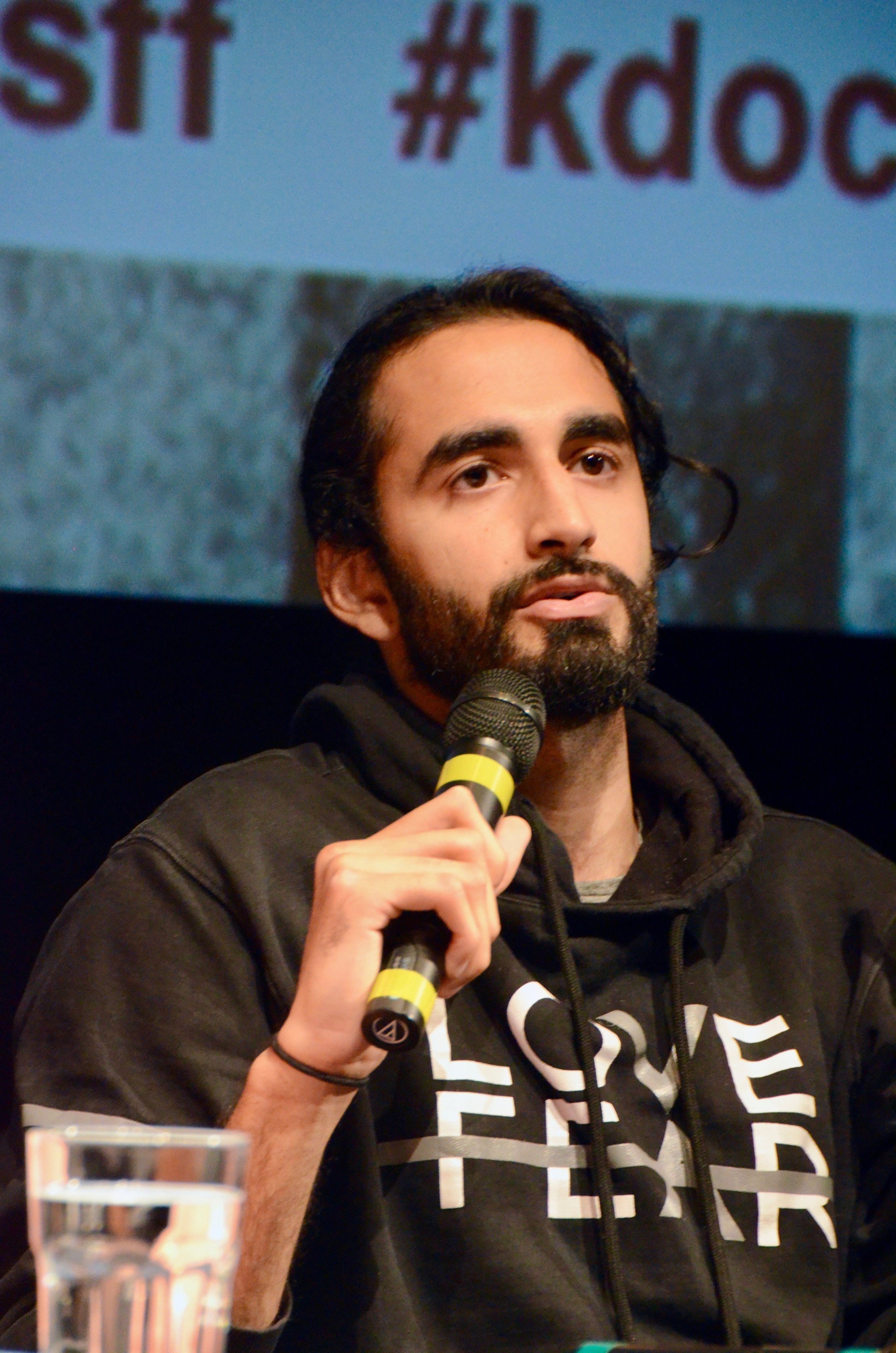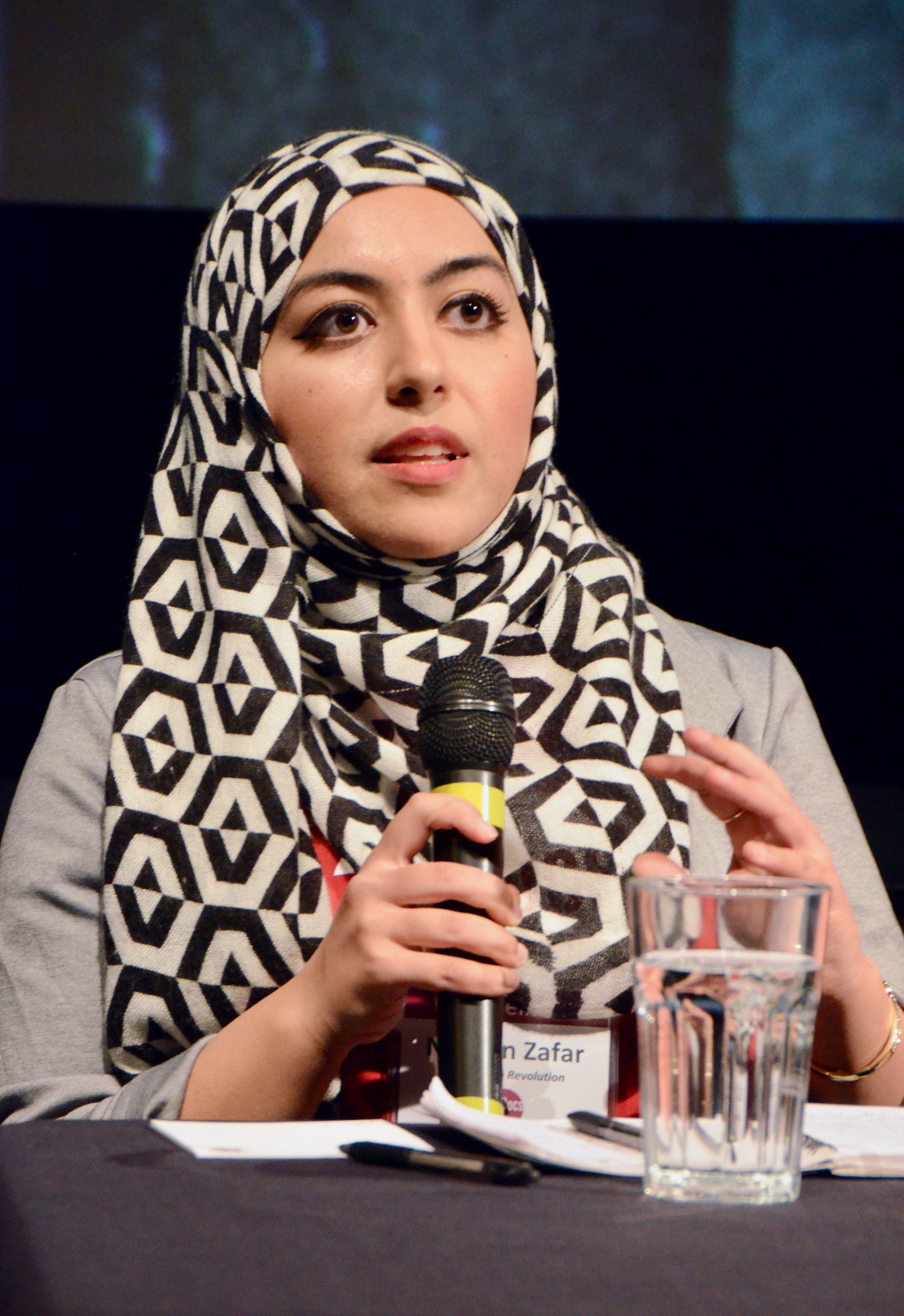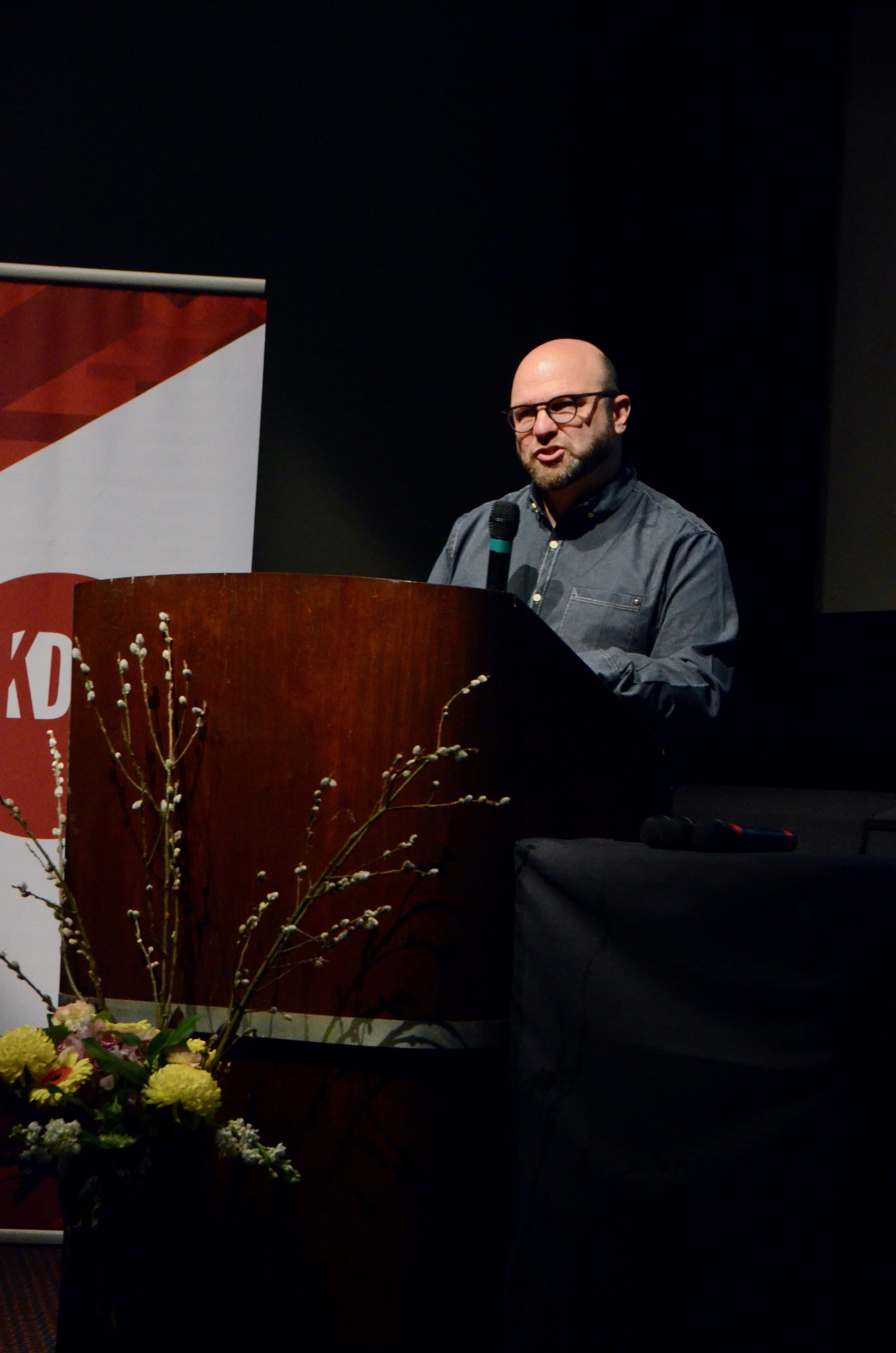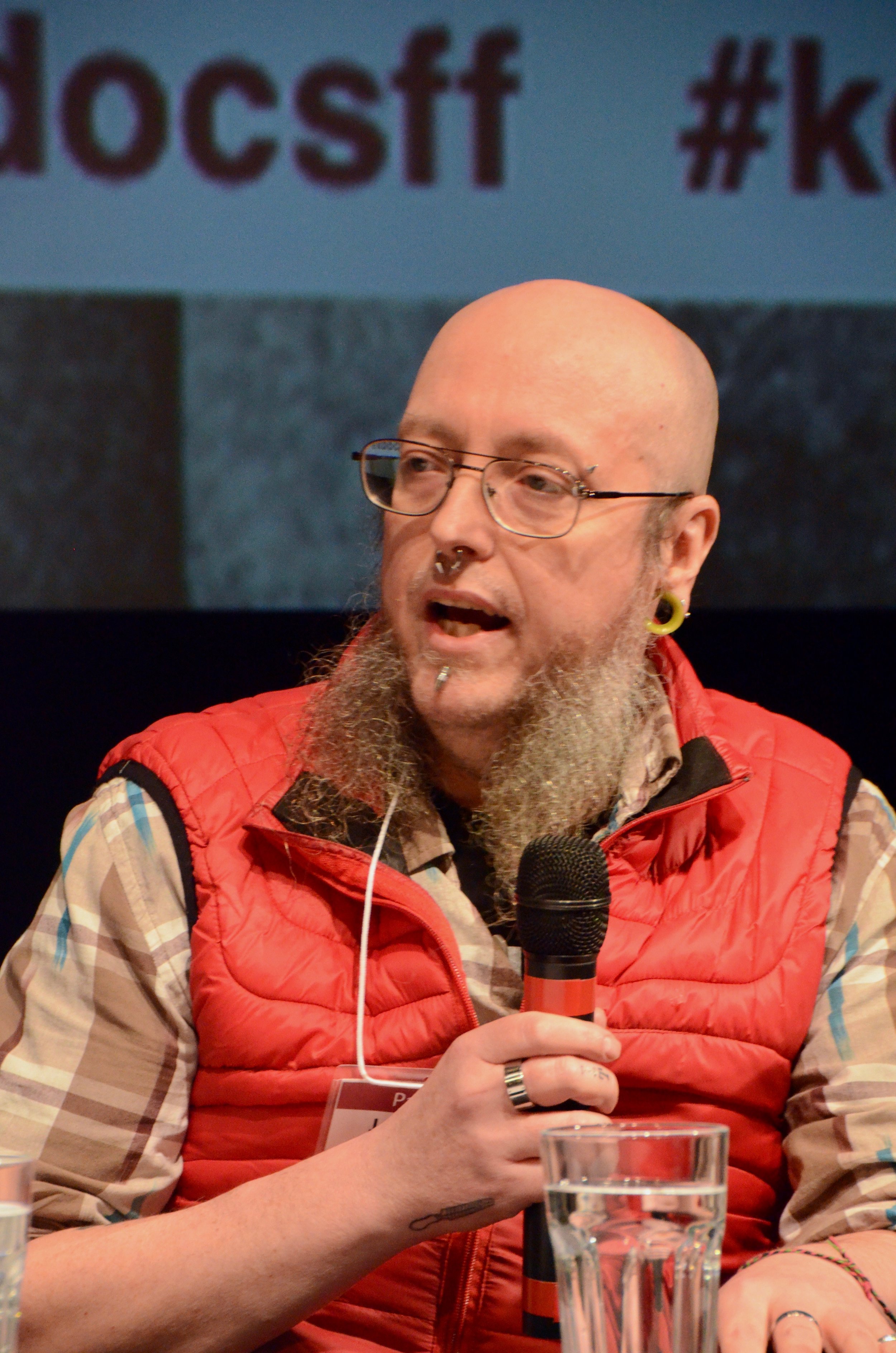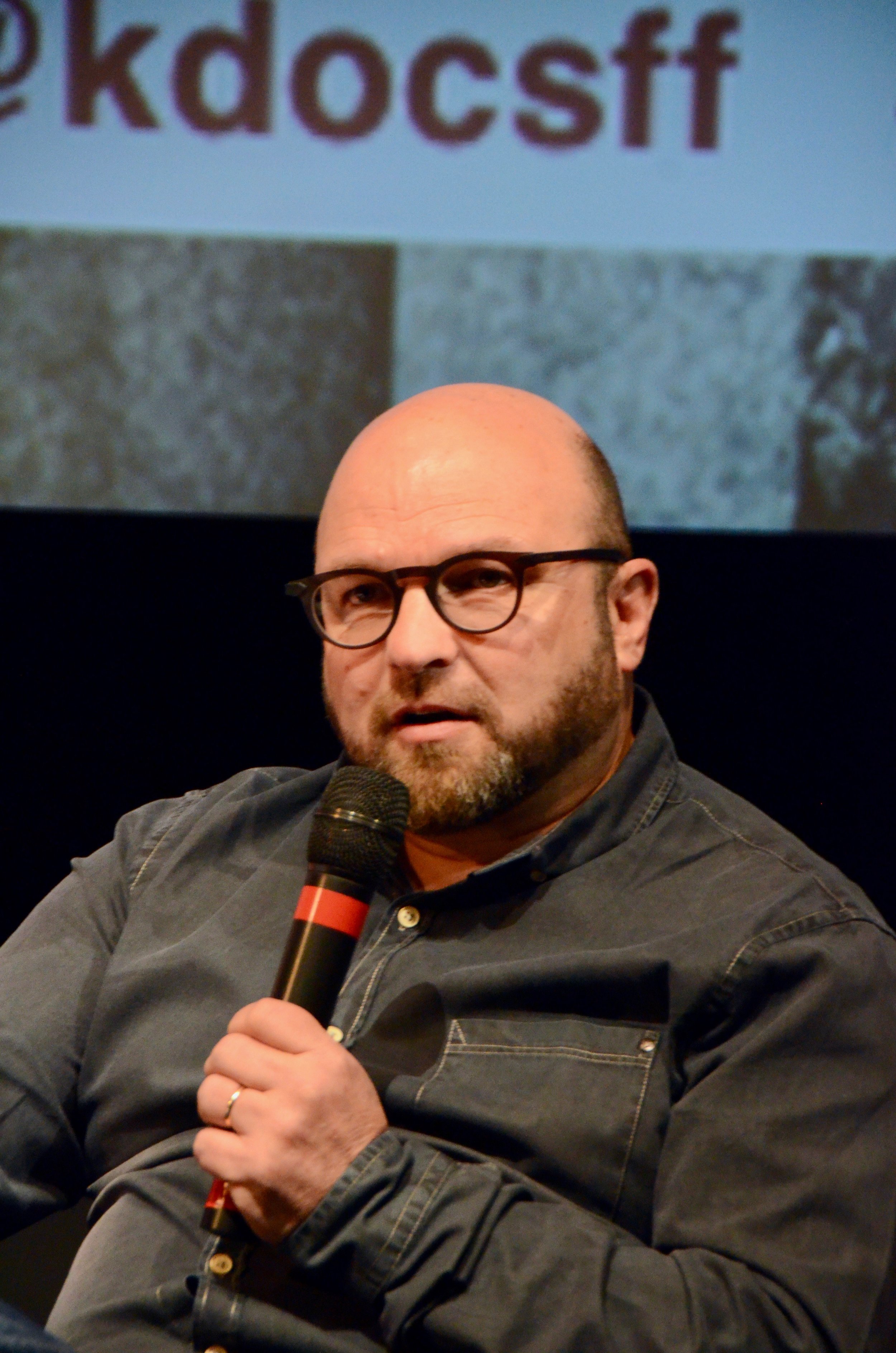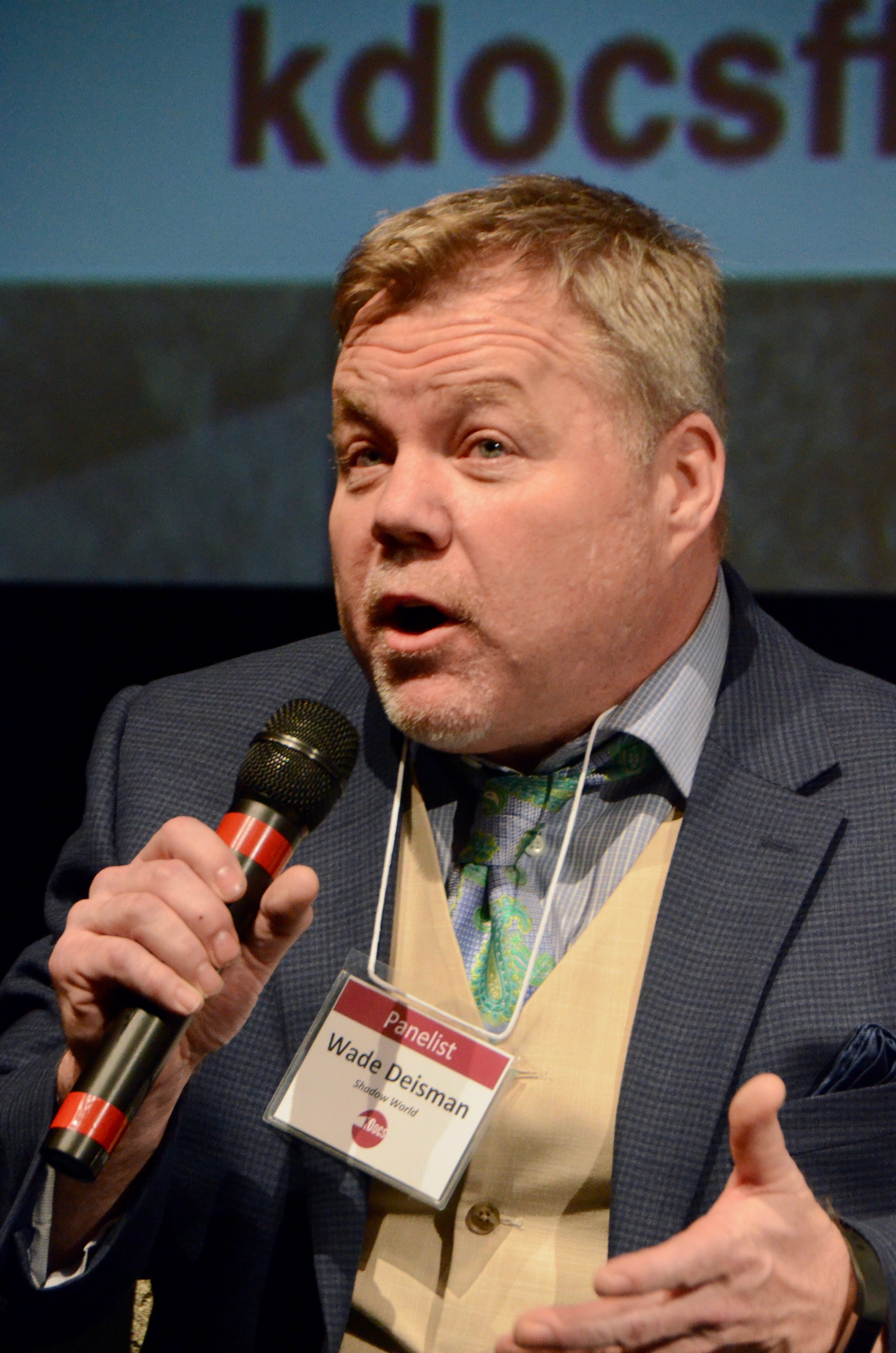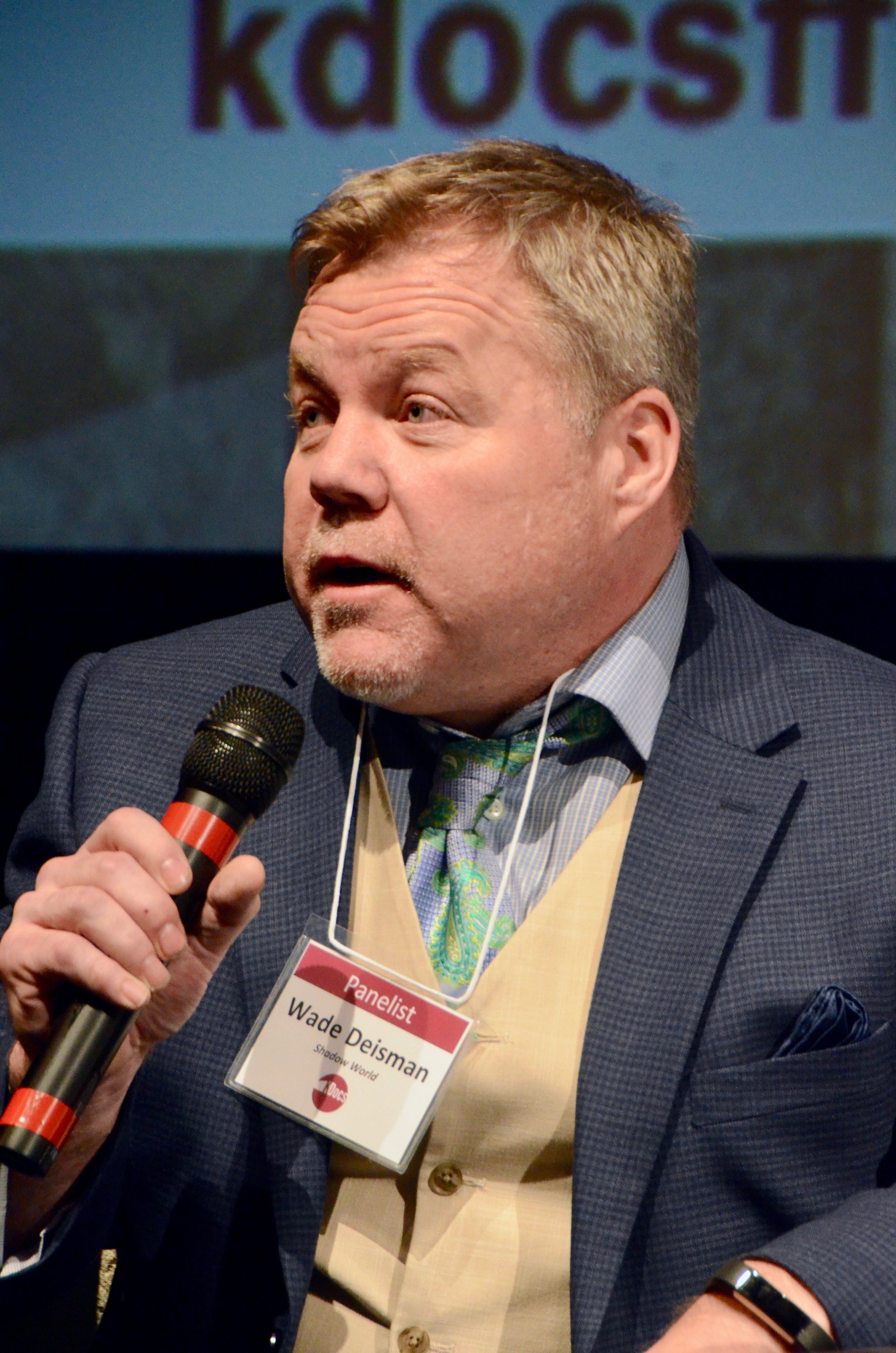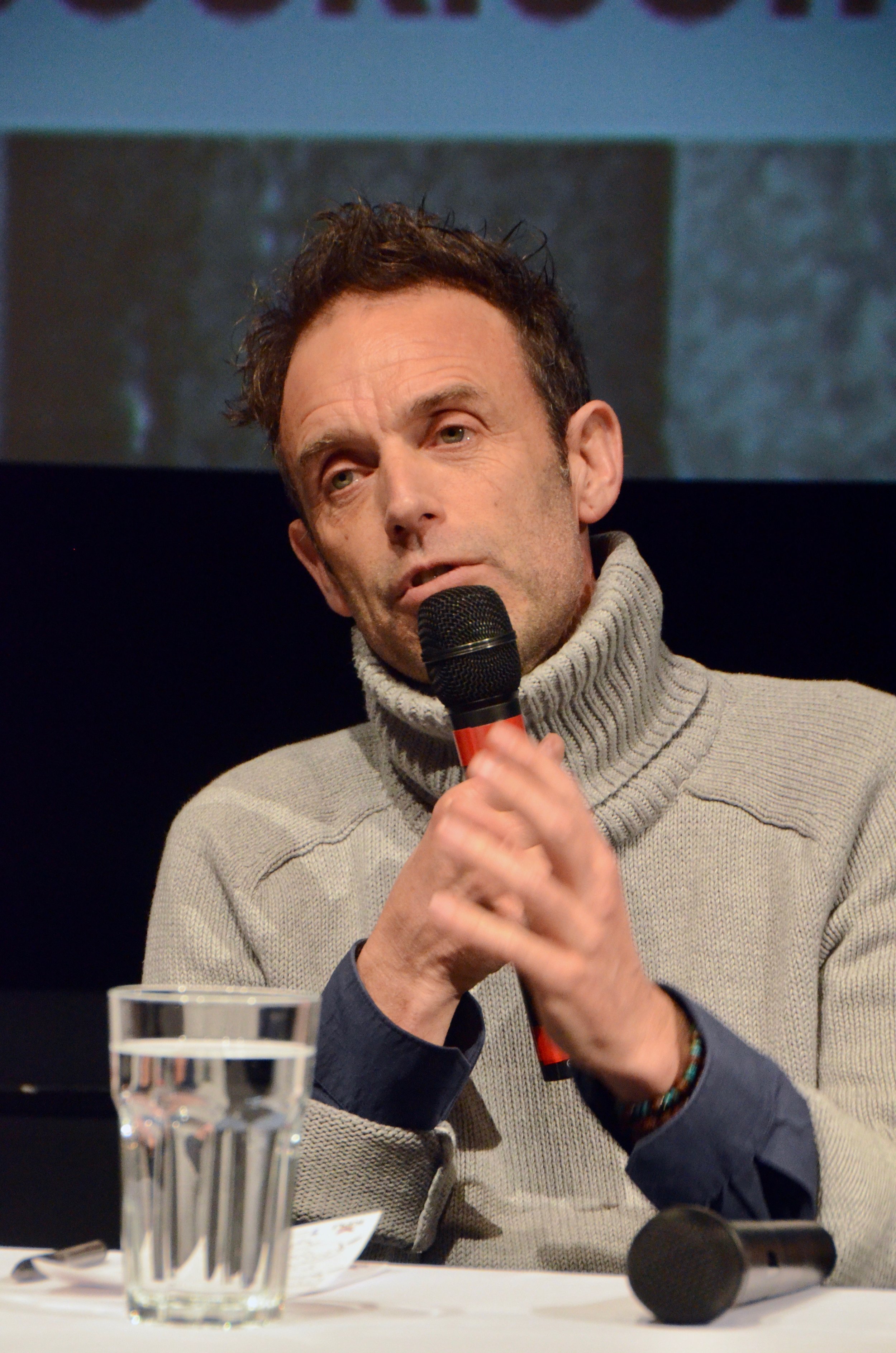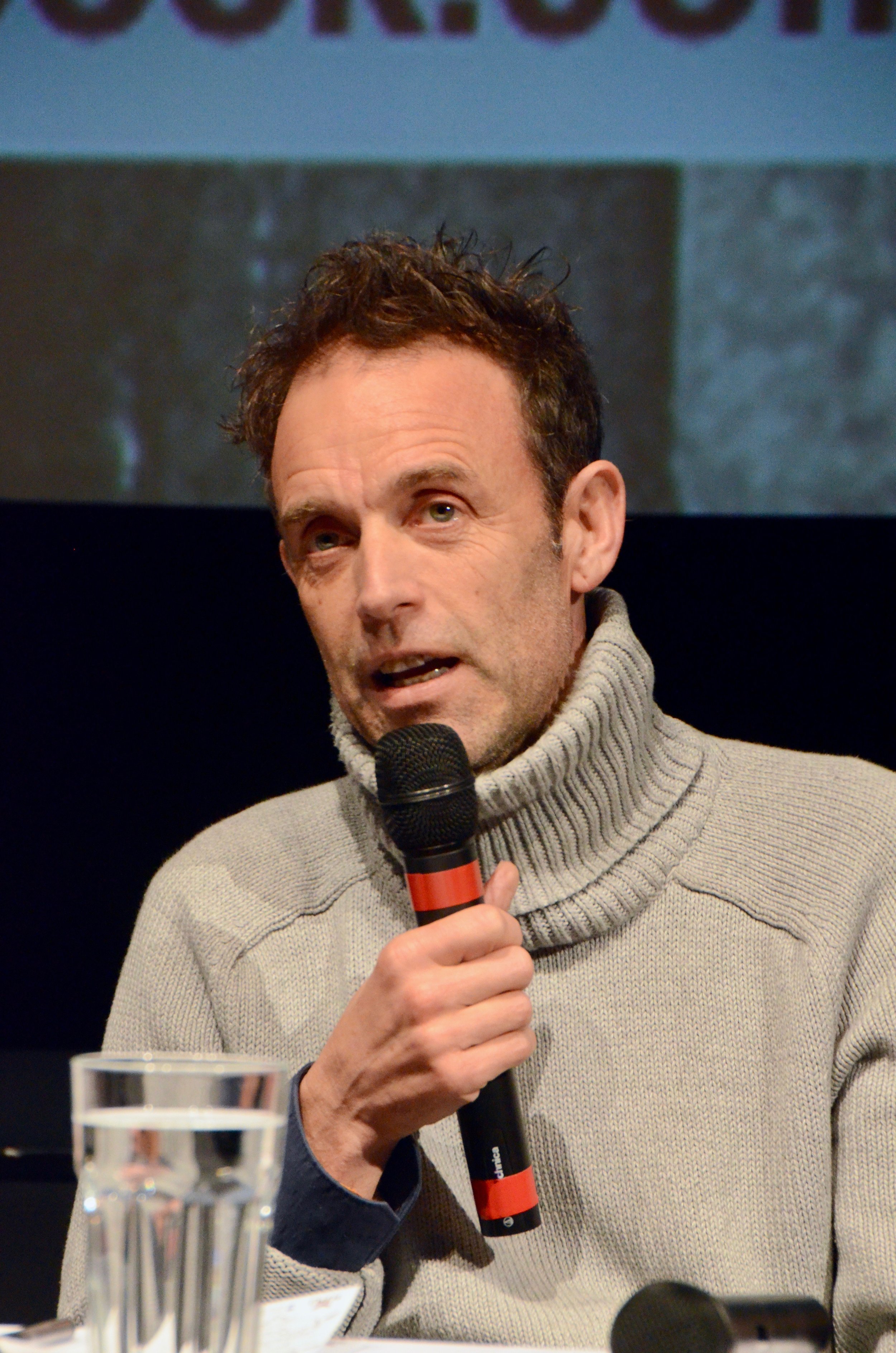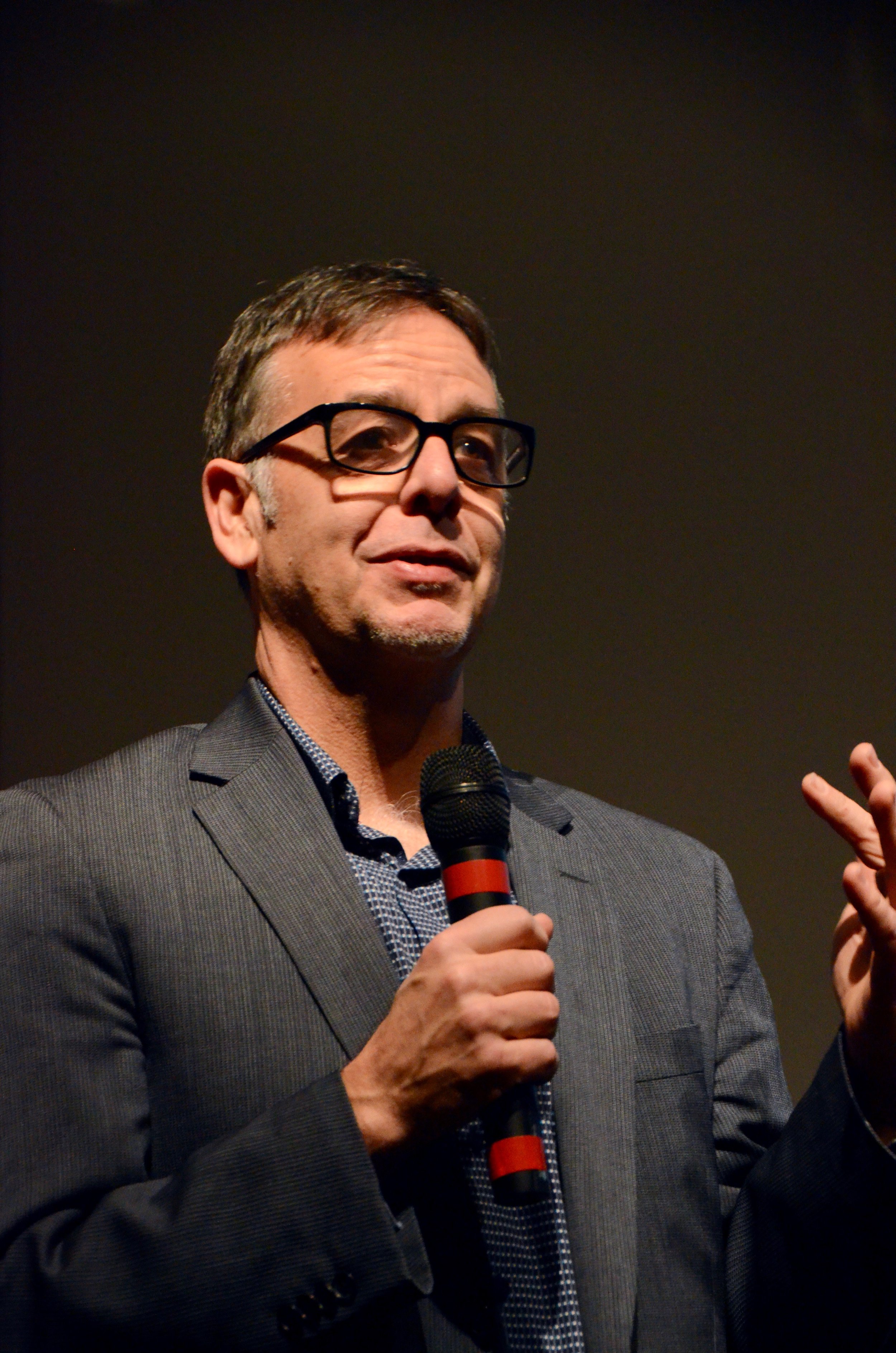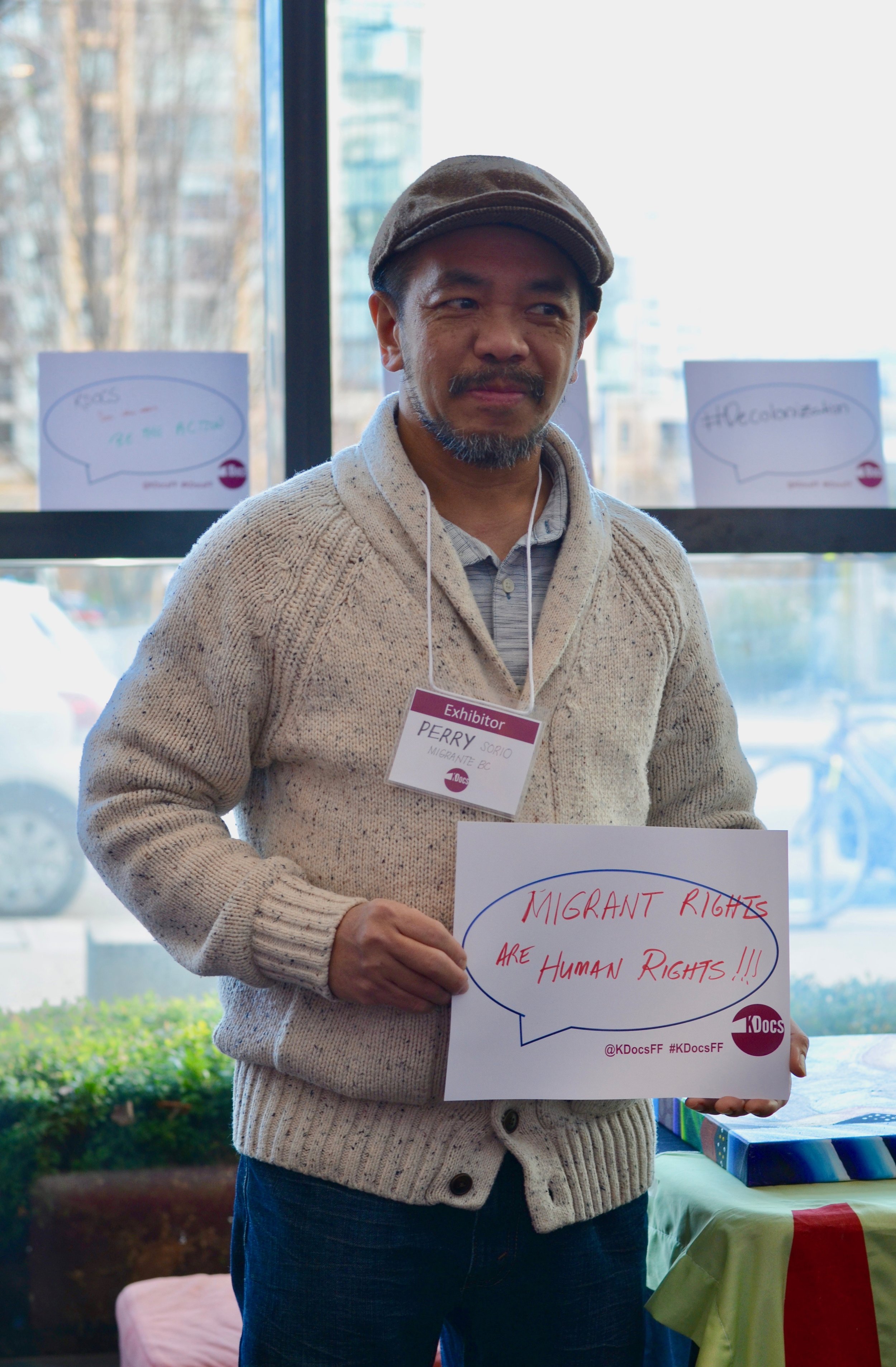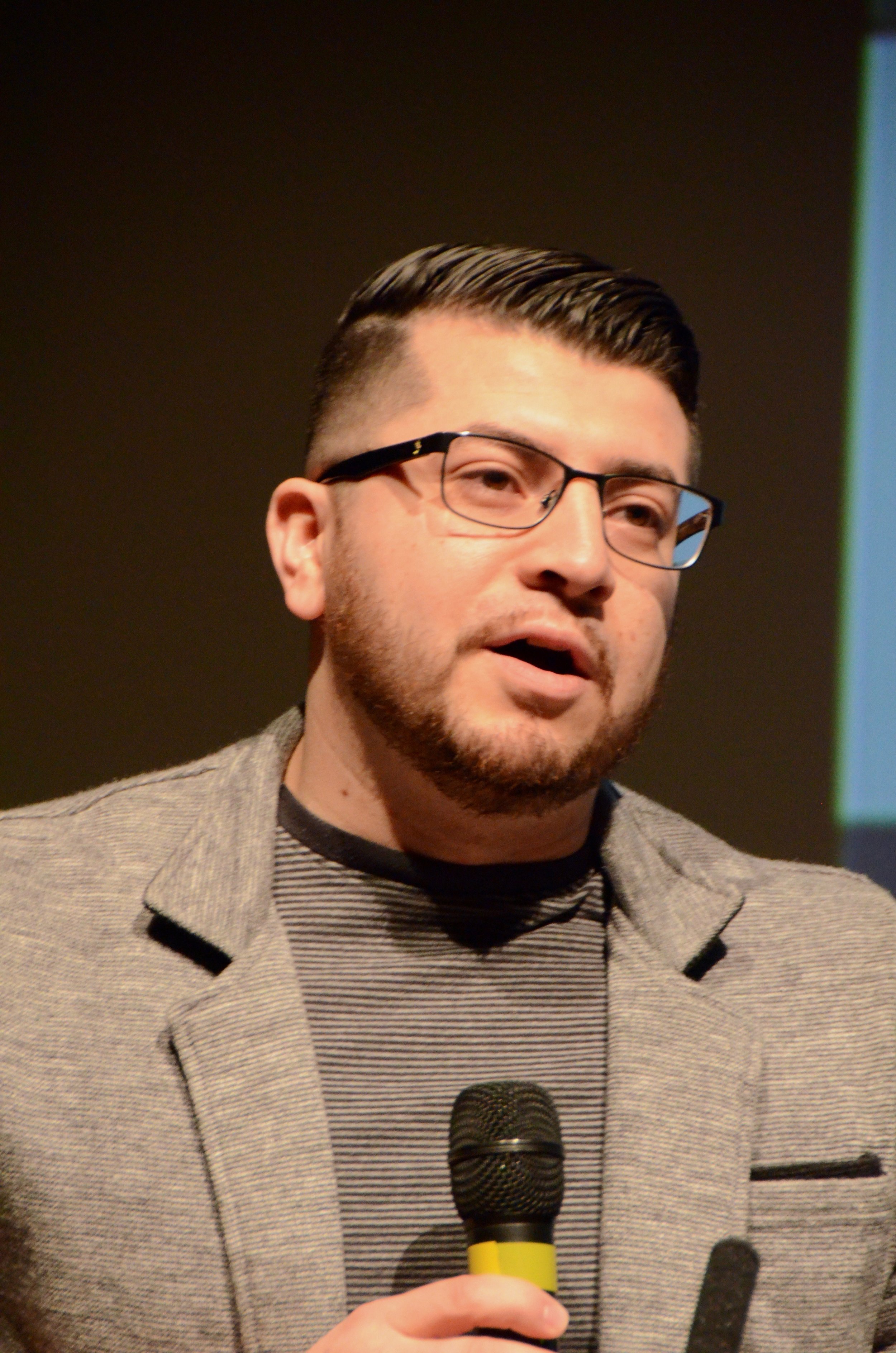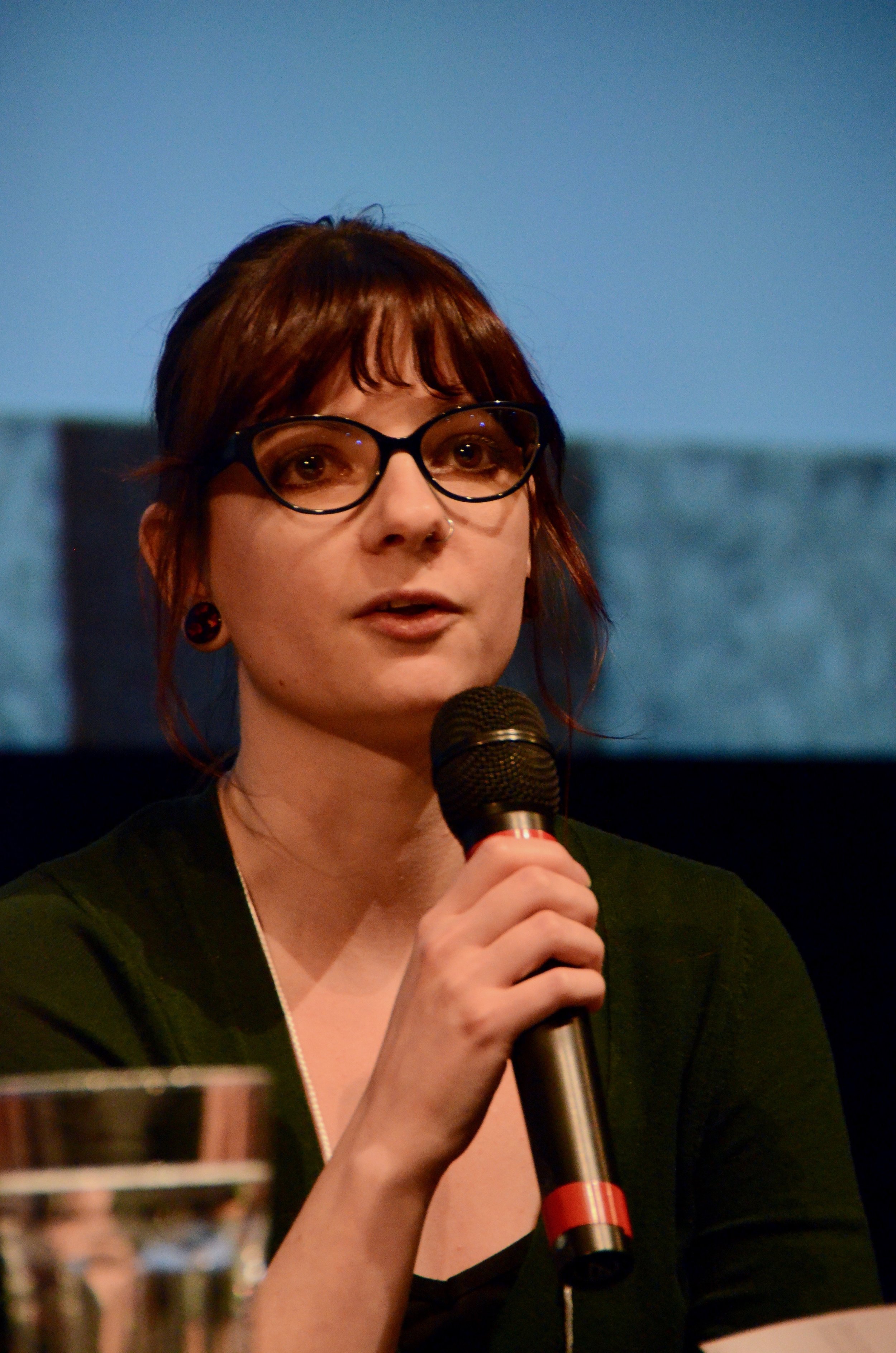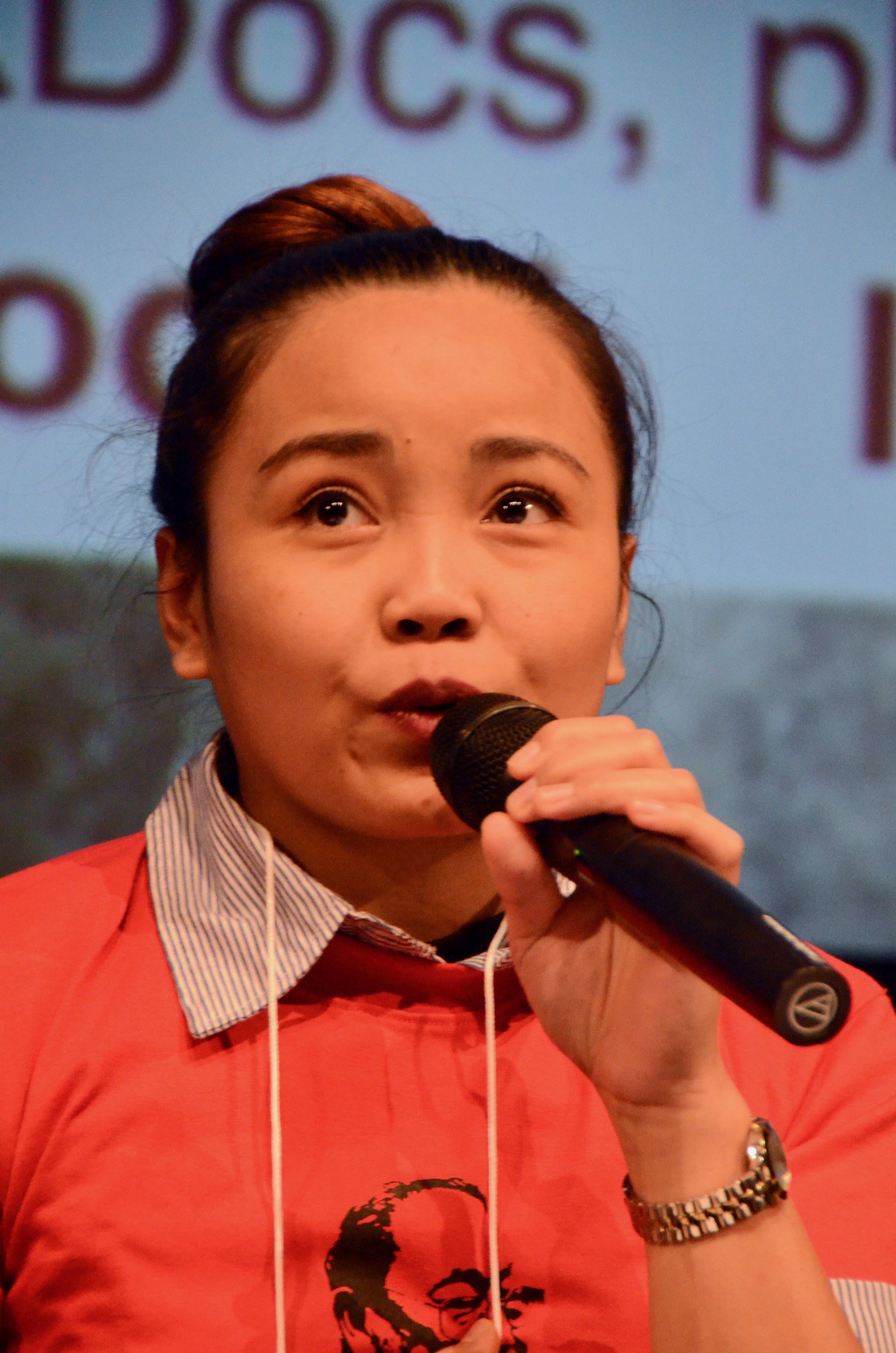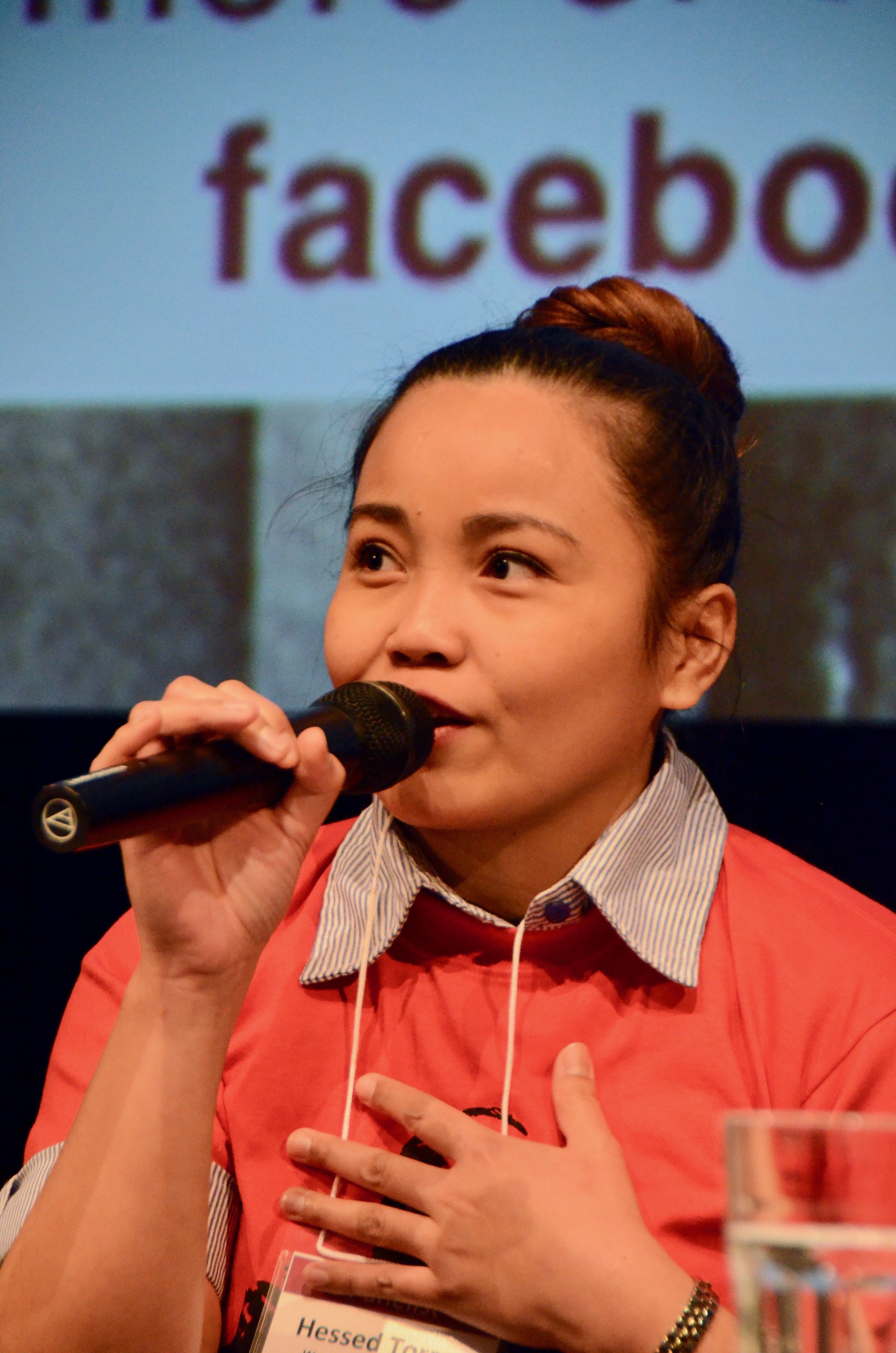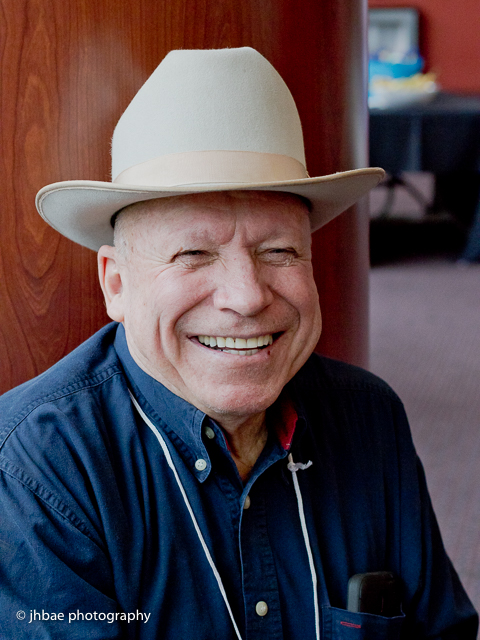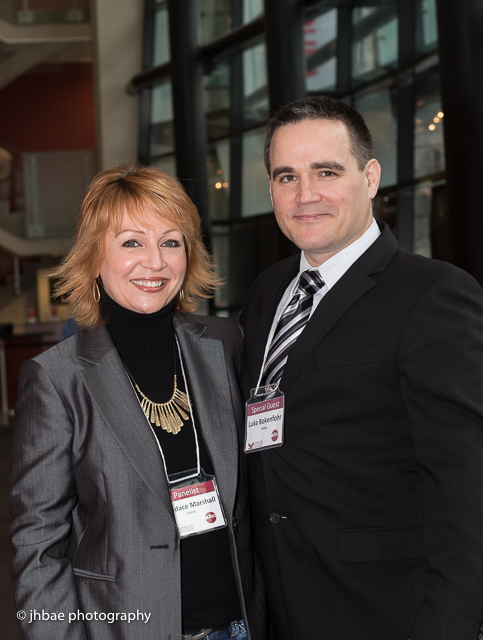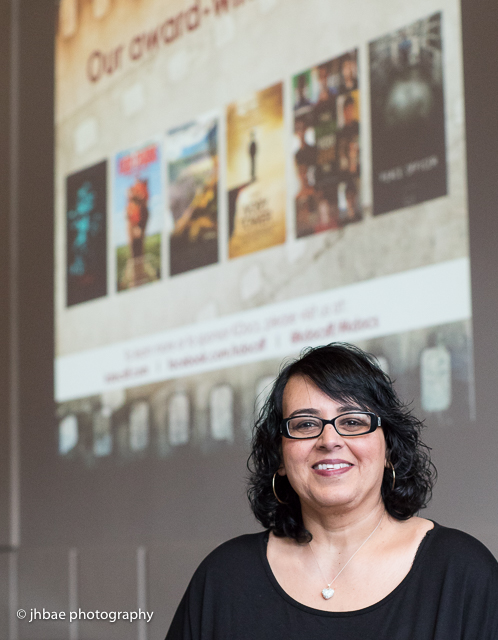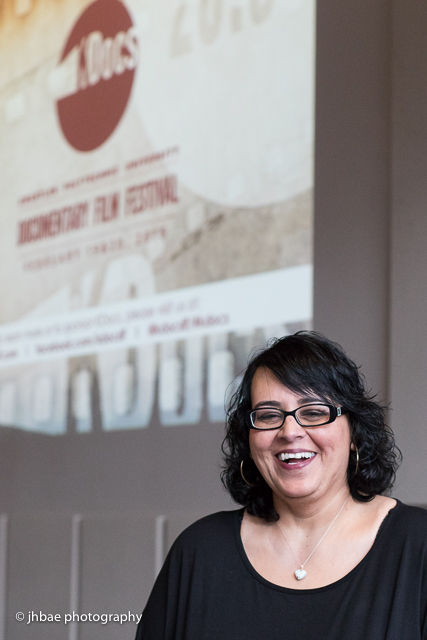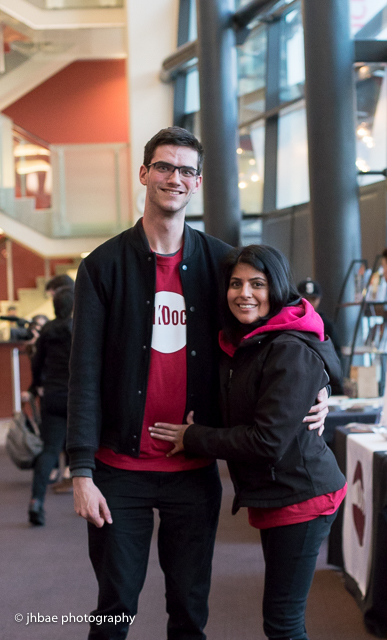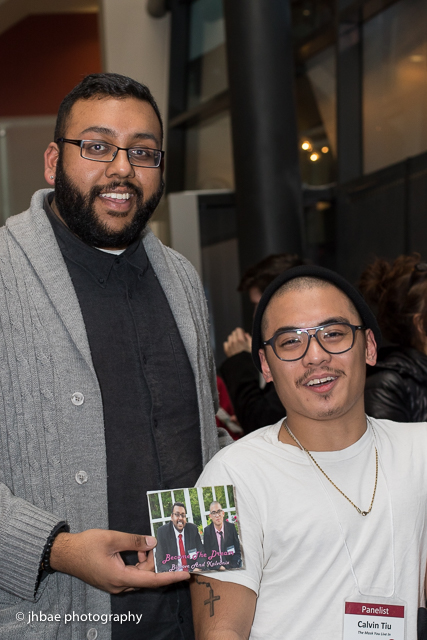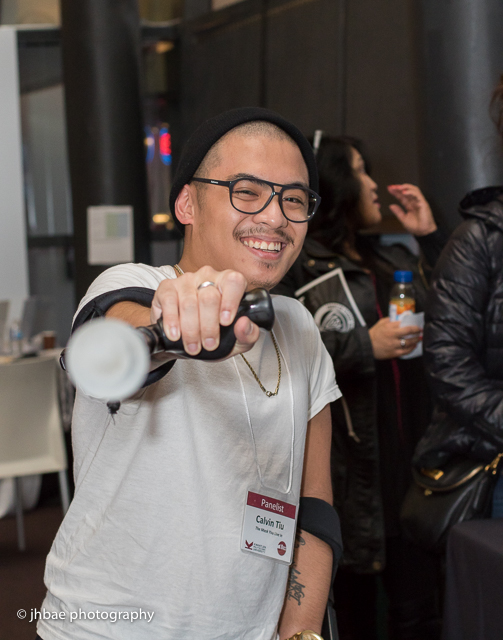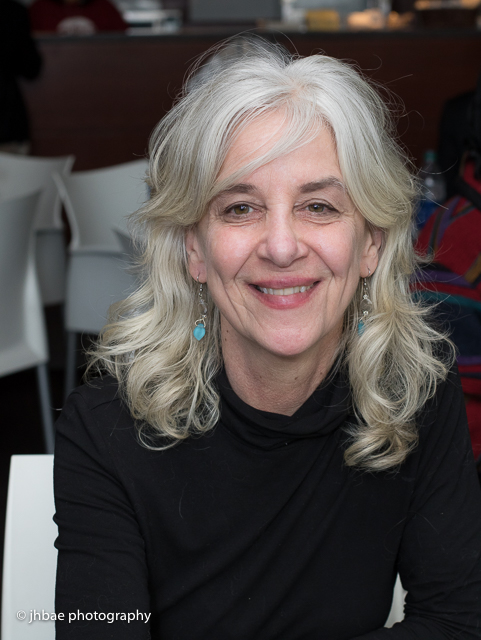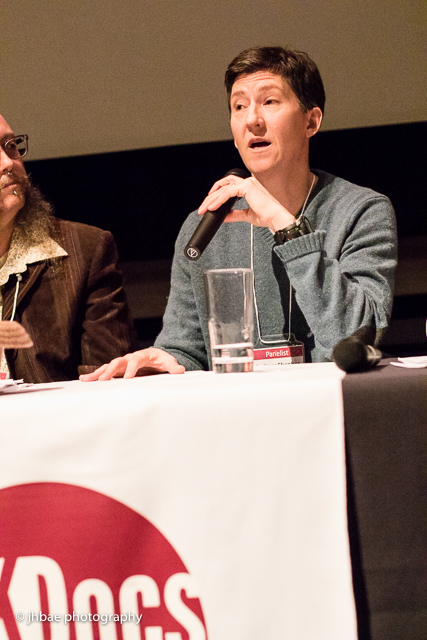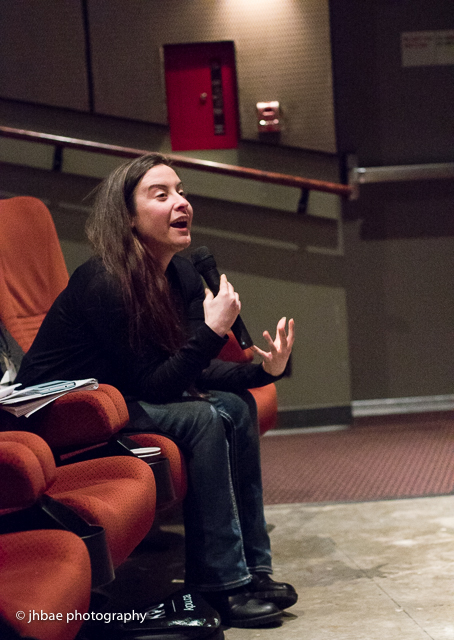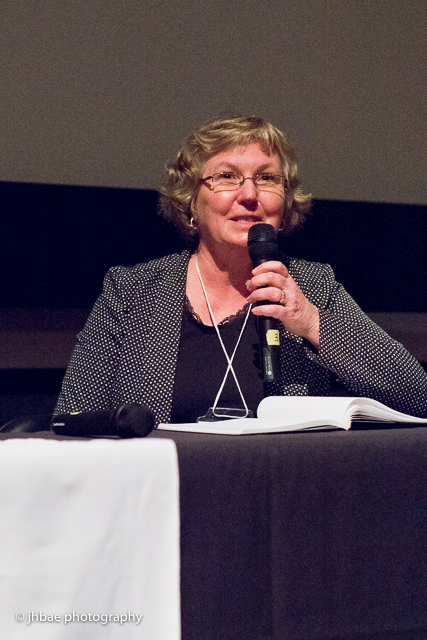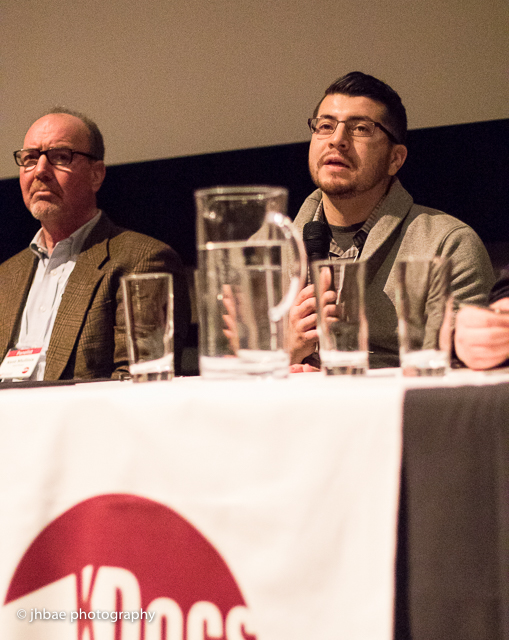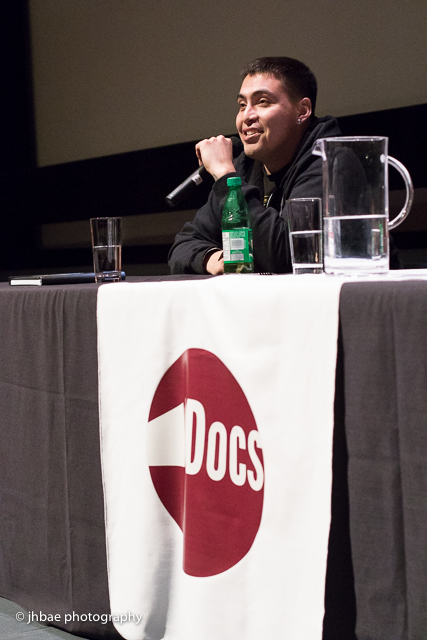Virago Nation presents Garden of Tease: Where Nature and Burlesque Blossom
What does it mean to witness seven "Indigibabes" dancing in Ming Dynasty gardens? KDocsFF Outreach was proud to co-present Garden of Tease: Where Nature and Burlesque Blossom, an intersectional celebration of the solidarities amongst Indigenous, Chinese Canadian, and 2SLGBTQIA+ communities.
A natural oasis in Vancouver's historic Chinatown, Dr. Sun Yat-Sen Classical Chinese Garden was the backdrop for the all-Indigenous burlesque collective, Virago Nation, which transported the audience to an empowering world of laughter and seduction through striptease and storytelling. This golden hour event featured a special performance by Virago Nation in the Garden's main courtyard. In honour of the historical solidarity between Indigenous peoples and Chinese Canadians, refreshments from Chinatown were served imain hall following the performance, right before a panel discussion/audience talk-back with the Viragos plus Chris Reed from Queer-Based Media.
In partnership with Dr. Sun Yat-Sen Classical Chinese Garden, the Garden of Tease was sponsored by the Irving K. Barber grant "'i am here because you are here': Re-Imagining Intersectional Solidarity at KPU," SSHRC, KDocsFF Social Justice Documentary Film Festival, and KPU.
Radical Knitting Circle
September 2023 marked the official opening of the KDocsFF Social Justice Lab with Tara Lyons (Criminology) leading KPU's first Radical Knitting Circle. Along with student co-authors Kayla Garvin, Sarah Schwagele, and Liam Ruel, Tara authored the study on The Experiences of 2SLGBTQ+ KPU Students: Gaps & Recommendations. In the makerspace, she guided participants through the creation of "Pride Pouches" across two sessions: an interweaving of hands-on crafting, dialogue, and activism. The pouches were filled with gift cards and Pride buttons. The radical knitters donated the completed pouches to KPU’s Pride Advocacy Group (PAG).
Indigenous Beading Workshop
The KDocsFF Social Justice Lab soft-launched in July 2023 with “Bead the Rainbow,” a craftivism workshop that combined intersectional solidarity with Indigenous artistry. Facilitated by Indigenous Engagement and Subject Liaison Librarian Rachel Chong, the interactive session had participants creating fringe, earrings or pins in support of Vancouver Pride. KPU staff, students, and faculty participated in this inaugural event.
KDocsFF 2023: People. Places. Power.
KDocsFF held its eighth annual official documentary film festival (our eleventh year!) on February 22-26, 2023,—our biggest festival yet, back in-person (since 2020) with 25 films over 5 days in 2 theatres. This year’s festival also included 25 keynote addresses, 9 panel discussions/Q&As, and 17 exhibitors.
A Story of Bones “The remote island of St. Helena is best known for being where Napoleon spent his final years in exile and was ultimately buried. His grave is beautifully maintained and serves as the island's biggest tourist attraction. To encourage tourism, the island decides to build its first commercial airport. Annina van Neel arrives from Namibia to help with the construction and is present when the remains of thousands of 'freed slaves' are uncovered. Heeding her increasing discomfort with how the bones are handled, Nina campaigns tirelessly to honor their legacy and integrate them into the history of the island--their fate is, after all, intertwined with that of Napoleon's. A Story of Bones shines a pensive light on the contrast between whom we place importance on and the legacy of colonial rule on an island still governed from Britain. The story isn't just a local one, but radiates outward connecting to the global consequences of the Transatlantic Slave Trade. The film celebrates personal victories, and mourns collective setbacks along Nina's journey to create a respectful burial ground. Her initially lonely quest leads to unexpected connections as she slowly finds a sense of belonging and purpose.”
Keynote Speaker: Annina (Nina) van Neel, Human Rights Comm, Equality & Human Rights Comm, Saint Helena; Film Subject, A Story of BonesAlice Street “Two Oakland artists, Pancho Peskador, a Chilean studio painter, and Desi Mundo, a Chicago-born aerosol artist, form an unlikely partnership to tackle their most ambitious project to date, a four-story mural in the heart of downtown Oakland. Their site is situated at a unique intersection where Chinese and Afro-Diasporic communities face the imminent threat of displacement and gentrification. Prior to painting, the mural faces numerous obstacles: complex negotiations with profit-minded property owners, satisfying a community of diverse residents, and resolving the artists’ own aesthetic conflicts. As the mural takes shape on the wall, Oakland’s unique cultural legacies come to life through historical flashbacks. Past exclusionary policies replay themselves in the present as gentrification threatens to uproot long-term residents. The mural is fraught with its own challenges. A disgruntled neighborhood resident launches a vendetta against the artists, unleashing a blizzard of letters to city officials and newspapers. Simultaneously, the property owner of the mural site schemes to demolish it and construct the city’s largest luxury condo. Nonetheless, Desi and Pancho conclude the mural with great fanfare and a vibrant celebration. Three months later, news comes that another forthcoming condominium development will obscure the mural, which has become a source of neighborhood pride. Despite last-ditch opposition to the condominium, it receives city approval, effectively dooming the mural. Meanwhile, the city unveils its urban planning process for the downtown district. Ultimately displaced, the mural becomes a spark for the community to rally to protect cultural arts, and coalescing the community resistance to gentrification.”
Keynote Speaker: Spencer Wilkinson, Director, Alice StreetJean Swanson: We Need a New Map “Jean Swanson: We Need a New Map is a short documentary profiling veteran activist and first-term Vancouver city councillor Jean Swanson as she works alongside the next generation of anti-poverty activists fighting systemic inequality.”
Keynote Speaker: Teresa Alfeld, Director, Jean Swanson: We Need a New Map (also for Militant Mother)Militant Mother “To get to class on time, children from the Raymur Place social housing project were forced to jump shunting train cars that stood in their path. In 1971, after months of petitioning for a safe crossing, a group of mothers made their voices heard by blockading CN rail from delivering goods.”
Backlash: Misogyny in the Digital Age “In fall 2017, the MeToo hashtag shook the planet, sparking an unprecedented wave of sexual assault accusations in the Western world. Now a storm of virulent misogyny rages on, flooding our screens with harassment, defamation, lynching, sextortion, the sharing of intimate photographs, rape and deaths threats. According to the UN, 73% of women are abused online. The feature-length documentary Backlash: Misogyny in the Digital Age follows four women and one man whose lives have been particularly affected by online violence: Laura Boldrini, the most harassed female politician in Italy; Kiah Morris, an African-American politician in the state of Vermont who resigned following severe harassment and threats from right-wing extremists; Marion Séclin, a French YouTuber who received more than 40,000 sexist messages, including rape and death threats; Laurence Gratton, a young teacher in Quebec who was harassed for more than five years by a former colleague; and Glen Canning, the father of Rehtaeh Parsons, a young girl who took her life after photos of her rape were spread online. What is it like to live with this so-called 'virtual' violence? That is what this important film attempts to show by closely following the victims in their daily lives. Like in a thriller, we see in real time the waves of hate they are subjected to, their resulting fear, and how they no longer feel safe in public spaces. We see lives marked by a loss of confidence and shame. Backlash: Misogyny in the Digital Age also shows how each of these women, and this man in the name of his late daughter, are fighting the same battle. They share a common cause: to refuse to be silent.”
Keynote Speaker: Carol Todd, Mother of Amanda Todd, Founder, the Amanda Todd Legacy SocietyCategory: Woman “When 18-year-old South African runner Caster Semenya burst onto the world stage in 2009, her championship was not celebrated but marred by doubt, with her personal medical records leaked to international media. With some women's naturally high androgen levels deemed a performance advantage, the International Amateur Athletics Federation (now World Athletics) ruled that, in order to compete, these female athletes must medically alter their healthy bodies. Category: Woman focuses on four athletes from the Global South who are forced out of competition by these regulations. The public scrutiny and policing of their bodies raises issues of racism, sexism and denial of their fundamental human right—who they are. Following up on her award-winning film Toxic Beauty [KDocsFF 2020], Phyllis Ellis exposes an industry controlled by men who put women's lives at risk, while this ongoing policing of women's bodies in sport remains, in a more nefarious way, under the guise of fair play.”
Keynote Speaker: Phyllis Ellis, Director, Category: WomanCoextinction “The Southern Resident Orca population of the Pacific Northwest is facing extinction due to a multitude of reasons, including declining salmon stocks, climate change, dams, increasing vessel traffic, pipelines, and pollutants. For two young female filmmakers, this crisis sparks a stunning journey across the Pacific Northwest, joining activists, scientists and Indigenous leaders, to uncover corruption and stop injustice before it’s too late. In Coextinction, directors Gloria Pancrazi and Elena Jean draw on their personal fascination of the iconic orca to show its interconnectedness between its natural ecology and the human environment. They wish to show that our choices have consequences, and that perhaps the orcas are trying to warn us.”
Keynote Speaker: Swaysən (Will George), Co-collaborator and Film Subject, CoextinctionDƏNE YI'INJETL: The Scattering of Man “When BC Hydro built the W.A.C. Bennett Dam in 1968, it flooded the Rocky Mountain Trench, a region belonging to the Tsay Keh Dene First Nation since time immemorial. With steady, experimental rhythm, emerging Dene filmmaker Luke Gleeson tells the story of how his people’s lands were flooded, pairing archival news clips and interview footage with sweeping shots of a land(scape) now completely transformed. The events that followed the dam’s construction are recounted in visual prose and through the traditions of Dene storytelling. DƏNE YI'INJETL: The Scattering of Man serves as a wider critique of provincial Crown corporations and the marriage of industrial and government mega projects that have violently disrupted the lives and lands of Indigenous people--all without rightful consultation or any real regard for the lands themselves.”
Keynote Speaker: Luke Gleeson, Director, DƏNE YI'INJETL: The Scattering of ManInto the Weeds: Dewayne “Lee” Johnson vs. Monsanto Company “Dewayne Johnson, a Bay Area groundskeeper, suffered from rashes in 2014 and wondered if they were caused by the herbicide he'd been using for the past couple years. As his health deteriorated, Johnson became the face of a David-and-Goliath legal battle to hold a multi-national agrochemical corporation accountable for a product with allegedly misleading labelling. Roundup, a glyphosate-based herbicide, has been a signature product for the multinational agrochemical corporation for over four decades. Used by industrial farms, golf courses, and suburban homeowners with a grudge against dandelions, it is sold in more than 130 nations. Scientists raised concerns about its environmental impact and carcinogenic properties, but the deep-pocketed corporation's lawyers, lobbyists, and marketers deflected numerous studies and disputed the findings. Adding to her award-winning body of work centred on our strained relationship with the natural world, acclaimed director Jennifer Baichwal's Into the Weeds: Dewayne 'Lee' Johnson vs. Monsanto Company follows Johnson through his battle, setting his personal journey against a global environmental crisis.”
Keynote Speaker: Jennifer Baichwal, Director, Into the Weeds: Dewayne "Lee" Johnson vs. Monsanto CompanyLove in the Time of Fentanyl “When the opioid crisis in BC escalated to the heights of a public emergency in 2016, folks at the Overdose Prevention Society (OPS) set up a tent in Vancouver’s Downtown Eastside as a critical frontline response. Technically illegal despite its necessity, the OPS was--and continues to be--a site rooted in harm reduction, where people are able to use drugs safely with supervision. An intimate observation of the OPS over a number of years, Love in the Time of Fentanyl witnesses the exhausting but essential work required to keep the site running and the people dedicated to its continuance. We follow Sarah, a founding OPS member and activist, as well as Trey, a former heroin user who memorializes the lives lost to overdose through graffiti art. We accompany frontline workers like Ronnie (also known in the community as 'Narcan Jesus') as he struggles with extreme burnout; Indigenous elder Norma as she cooks meals for staff and volunteers; and Dana, an active fentanyl user whose own experiences with overdose continue to propel him in his efforts to save lives.The opioid crisis is not over. Six years after it opened its doors, the OPS is as necessary now as it was in 2016, its efforts compounded by the COVID-19 pandemic. Love in the Time of Fentanyl is a crucial film from director Colin Askey--one that explores, with considerable care and compassion, the frontlines of the ongoing drug-poisoning epidemic in this city.”
Keynote Speaker: Colin Askey, Director, Love in the Time of FentanylNavalny “On 20 August 2020, Alexei Navalny fell severely ill on a plane coming from Siberia. He was poisoned and could only be rescued within inches of his life. The murder attempt came after years of an ever-increasing showdown between Navalny and Russia’s President Vladimir Putin. In Navalny, filmmaker Daniel Roher has access to Navalny’s inner circle while he recuperates in exile in Germany, and subsequently tries to find the perpetrators with the aid of research network Bellingcat. The Bellingcat investigator manages to identify the kill team that went after Navalny. In a truly stunning scene, Navalny talks on the telephone to the men who tried to murder him. Equally thriller-like is the plane ride back from Germany to Moscow, where Navalny knows the authorities will await him. In extensive interviews, Roher dives into Navalny’s incentives and his vision for Russia, while not shying away from difficult topics--like his past alignments with extreme right nationalists. A must-see film about a charismatic leader, who is presently detained in a penal colony, and a country sliding ever more into darkness.”
Keynote Speaker: Lisa Sundstrom, Political Science, UBC; Principal Investigator, ActInCourts Network, UBCRebellion “Rebellion brings you behind-the-scenes with Extinction Rebellion (XR), as the group confronts the climate emergency--reminding the world there is no time to wait. Emerging as action on climate change dangerously slipped from the political agenda, XR took bold steps to break through the deadlock: mass civil disobedience. It worked. In 2019, within days of XR protests and over 1,000 arrests, the UK Parliament declared a climate emergency and propelled the issue back into public consciousness. Countries around the world followed suit. Yet, just as XR became a global phenomenon, internal tensions rose within the group, with XR Youth calling out the movement for perpetuating structural and social inequalities and focusing on climate change rather than acknowledging the need for climate justice. Rebellion reminds us to question white Western environmentalism and push back against a fight that ignores structural racism and oppression.”
Keynote Speaker: Farhana Yamin, Lawyer, Author, Speaker, Activist; Co-author, Paris Climate Accords; Film Subject, RebellionReturning Home “Skilfully intertwining narratives concerning residential school survivors and Indigenous peoples' relationship with imperiled wild Pacific salmon, Sean Stiller's stirring documentary is a revelatory testament to strength and resilience. At the heart of the film is Phyllis Jack-Webstad, the survivor who founded the Orange Shirt Day movement. While Phyllis recounts her childhood trials to youth across the country, her relations in the Secwépemc territory near Williams Lake are contending with another outcome of colonialism: the upper Fraser River's lowest salmon runs in Canadian history. In observing the interconnection between the Secwépemc and salmon, Stiller lays bare the impacts of overfishing on these communities. The first production by Canadian Geographic Films, Returning Home balances Stiller's stunning cinematography with clear-eyed testimonies to the unforgivable transgressions endured by Phyllis and other survivors within the walls of residential schools. Likewise, it effectively illustrates what it means to truly be in good relationship with the land and shares how, for the Secwépemc, healing people and healing the natural world are synonymous.”
Keynote Speaker: Phyllis Jack-Webstad, Film Subject, Returning HomeThe Cartel Project “On April 28, 2012, the journalist Regina Martínez was strangled to death in her home. Since then, 64 reporters have been killed in Mexico, making the country the most dangerous place in the world for the press. The documentary follows the reporters from 25 international media outlets that come together to shed light on this murder, reveal the human cost of drug cartels and their political and business connections around the world. Filmed like a journalistic thriller with exclusive access to the backstage of the investigation, the documentary follows the reporters in real-time, as they travel to the territories controlled by cartels to reveal the rampant impunity for drug traffickers and complicity of political leaders in the global drug trade. From the cemeteries of Veracruz, known as the 'tomb' of journalists, to the heart of the United States, where lives have been shattered by fentanyl overdoses, The Cartel Project reveals the human cost of the new drug multinationals.”
Keynote Speaker: Jules Giraudat, Director, The Cartel ProjectThe Cost of Freedom: Refugee Journalists in Canada “The Cost of Freedom: Refugee Journalists in Canada confronts one of the most compelling human rights challenges of our day: the threat to journalists. Focusing on the lives of Abdulrahman Matar from Syria, Luis Nájera of México and Arzu Yildiz from Turkey, this documentary film investigates why they fled their countries and are seeking to rebuild their lives as refugees in Canada. All three now reside in the Greater Toronto Area, striving to re-invent themselves. Their stories and challenges illuminate the global struggle for free speech in a time of increasing threat to journalists.”
Keynote Speaker: James Cullingham, Director, The Cost of Freedom: Refugee Journalists in CanadaThe Doctrine of Recovery “And so it began, with the Papal Bull of 1493. Pope Alexander VI’s apocalyptic declaration established a free-for-all in the European conquest of Tribal lands and souls. It was their “Doctrine of Discovery.” To the First People of this land, it was a death song they had never heard, but soon enough, they would all sing. It is timely that three highly respected Indigenous women from Turtle Island, including one of Canada’s most celebrated actors, Crystle Lightning, have come together to create a documentary about the devastating impacts of the Doctrine of Discovery. The premiere of The Doctrine of Recovery will coincide with the Pope’s proposed visit to Canada. The film is a powerful reminder of how The Doctrine of Discovery is at the very foundation of systemic and institutionalized racism that First Peoples continue to be marginalized by, and how the roots of so many tragic issues impacting First Nations’ communities today, like the Murdered and Missing crisis, began with the imposition of the Inter Caetera papal bull of May 4, 1493.”
Keynote Speaker: Brisind, Director, The Doctrine of RecoveryThe Happy Worker, or How Work Was Sabotaged “John Webster explores how the workplace has transformed to the point where the very idea of productive work appears to be the last thing on people’s minds. How did we reach this point? The simple, straightforward notion of work has been hijacked by senseless jargon, endless meetings about nothing, and activities that appear to go against the possibility of a successful, satisfying workday. With commentaries by the late, great anthropologist and activist David Graeber, psychologist and pioneer of burnout research Christina Maslach, and a variety of office workers and executives, Webster not only explores an environment that results in lower productivity, but a culture of silence that accompanies it. Provocative and frequently hilarious, The Happy Worker, or How Work Was Sabotaged is a white-collar call-to-arms.”
Keynote Speaker: Liudmila (Lucy) Jdanova, Department of Psychology, KPUThe Monopoly of Violence “When is it legitimate for a democratic government to enact force against its own people? This is the central query posed by David Dufresne’s The Monopoly of Violence, an absorbing, shocking, and hugely timely documentary that interrogates the just limits state police powers. During the relative political stability of recent decades, that question may have seemed academic to some, but today--as protests against climate change, racial injustice, economic inequality, and pandemic restrictions roil in the street--it has assumed great urgency, with literal life and death stakes. In his pursuit of an answer, Dufresne presents raw and sometimes graphic footage of clashes between police and protestors, alongside compelling interviews with academics, police officers, and victims of police assault. The immediate context for Dufresne’s deeply thought-provoking film is France’s 'yellow vest' movement, but its relevance, like the police violence it documents, is wide-ranging, equally applicable to pipeline protests in British Columbia, or efforts to prevent the clearing of encampments from Toronto parks.”
Keynote Speaker: David Dufresne, Director, The Monopoly of ViolenceThe Shadow of Gold “The Shadow of Gold takes an unflinching look at how the world’s favourite heavy metal is extracted from the earth. The film explores both sides of the industry: the big-time mining companies that dig deep and lop off mountaintops to extract gold from low-grade ore, and the small-time miners--an estimated 20 million people in the world’s poorest nations--who extract gold by hand, often producing just enough to survive. We meet back-country guides and entrepreneurs in Montana with deep suspicions about a proposed gold mine that could destroy their pristine wilderness, indigenous people in British Columbia struggling to recover from a spill of toxic mine waste, a woman miner in the Congo who is determined to keep her gold from feeding the flames of war, a brotherhood of Chinese miners, sick with silicosis, fighting a state-owned gold mine for compensation, and an artisanal miner in Peru who knows that the mercury he uses to process gold is toxic and polluting, but feels he has no other option. And at the top of the supply chain--in London, Dubai, and Toronto--we show how conflict gold reaches unaware consumers and how gold-mining corporations are allowed to damage ecosystems with impunity. The film reveals that glittering gold has a dark shadow. In the end, The Shadow of Gold isn’t all about gold, or even its shadow. The film enters the lives and tells the moving stories of hard-working people who face danger just to go to work every day, in the hope of securing a better life for their families.”
Keynote Speaker: Jamie Kneen, Mining WatchThe Territory “Occupying the lush Amazon rainforest in what is now the Brazilian state of Rondônia, the Uru-Eu-Wau-Wau people have lived in balance with the world for millennia, hunting, fishing, and developing their unique language, culture, and traditions. When the tribe made first contact with outsiders in the early 1980s, disease quickly decimated their numbers from thousands to just under 200, prompting the Brazilian government to establish the Uru-Eu-Wau-Wau Indigenous Territory. But now, the tribe's land, sovereignty, and very existence is under grave attack: what was once vast territory is a dwindling island of rainforest surrounded by illegally established farms, the rich woodland turned into dry, arid land. Surrounded by illegal homesteaders eager to act out their dreams of Manifest Destiny who are protected by an increasingly authoritarian government whose rhetoric is driving the murder of indigenous peoples, the Uru-Eu-Wau-Wau are driven to drastic measures to protect the tribe. Led by energetic youth Bitate, chosen at the tender age of 18 to help lead the people, and aided by the impassioned activism of longtime ally Neidiha, the community turns to modern technology to turn the tide of destruction and bring about a hard-won ray of hope in this impassioned new documentary largely filmed by the Uru-Eu-Wau-Wau, from director Alex Pritz and producer Darren Aronofsky.”
Keynote Speaker: Alessandra Santos, Latin American Studies Program, UBCThe YouTube Effect “Alex Winter’s newest documentary explores the ascension and potential fall of YouTube, the world’s most popular video-sharing website. Launched in 2005 with a video of a trip to the zoo, YouTube has built itself into an empire worth up to $300 billion dollars. In order to incentivize its creators and keep users engaged, it has created an algorithm that tries to predict what users will be most interested in. The basic idea is simple: make your content just the right way, and it will be promoted to users all over the world. However, the algorithm has created unforeseen privacy and ethical problems that could be the website’s downfall. YouTubers, reporters, and experts alike join Winter in interrogating the effects that such irregulation can result in. With sharp editing and an anxiety-inducing message about the way social media controls our lives, The YouTube Effect is a startling but necessary look at a website that has become so intertwined with our daily lives.”
Keynote Speaker: Alex Winter, Director, The YouTube EffectTikTok, Boom. “There’s more than dollars and yen at stake as data flows from TikTok back to Chinese server parks. A critical but tech-positive film about the invisible influence of social media, and what to do about it. With over two billion downloads, TikTok is the most downloaded app ever, knocking both Facebook and Instagram off the throne. But the success story behind the Chinese social media, which is particularly popular with children and young people, is also a story of racism, censorship, fear, and algorithms that punish you if you venture outside TikTok’s strict rules. Not least, it’s about China. Through meetings with the site’s young users and conversations with experts, tech-positive director Shalini Kantayya (Coded Bias) explores the flip side of its success and what it can tell us about the tense relationship between the West and China. The question is, what does Tiktok do with the endless amounts of data it collects from the app that looks back at you as you look at it?”
Keynote Speaker: Avriel Epps-Darling, PhD Candidate, Harvard School of EducationUnarchived “For too long, the past has been the exclusive domain of the white colonial power structure. The good news is, we are in the midst of a paradigm shift in consciousness when it comes to appreciating history from multiple viewpoints. In this zippy NFB documentary, Hayley Gray and Elad Tzadok survey the inspiring work of a handful of community archives across British Columbia. It’s an important and timely reminder that the model of a centralized repository of records and artifacts is highly problematic—indeed, the official version of our history as presented by the Royal Museum of BC, for example, has consciously or not served to propagate a white supremacist narrative. In contrast, Gray and Tzadok talk to curators and archivists from groups traditionally marginalized or excluded communities: Indigenous, Queer, Trans, the Chinese Canadian Museum, the Tahltan Nation, the South Asian Legacy Project, and others. Along the way, we learn the secret, neglected, and untold histories of this place we only think we know.”
Keynote Speaker: Grace Wong, Board Chair, Chinese Canadian Museum; Film Subject, UnarchivedWochiigii lo: The End of the Peace “The many environmental, social, legal, and human perils of BC’s controversial Site C hydro dam project are explored in Heather Hatch’s must-watch doc. Pipelines tend to get all the ink in terms of environmental risks, but there are many other potential disasters in the offing. Take, for example, the Site C Dam, a gargantuan hydro-electric project on northern British Columbia’s Peace River. The 13th longest river system on the planet, the Peace River cuts across the province in an area largely populated by Indigenous peoples--including West Moberly and Prophet River First Nations, two of the smallest bands covered under Treaty 8, the government’s century-old agreement with Indigenous people intended to last 'as long as the sun shines, the grass grows and the rivers flow.' Those words haunt Wochiigii lo: End of the Peace by Haida filmmaker Heather Hatch, who spent five years documenting the protests and legal challenges to Site C--a project with negligible public benefit that, in addition to being an imprudent business decision (it’s already a money loser for the province), will disenfranchise Indigenous peoples, violate their legal rights, and end in environmental catastrophe. Along the way, we meet heroic fighters like Roland Willson, Diane Abel, George Desjarlais--whose bitingly sarcastic assessments of Site C offer some of the most trenchant lines you will hear this year--and award-winning author Sarah Cox, to name a few. Hatch and her subjects expose mind-blowing ironies, shocking betrayals, and political chicanery. One of the most compelling and touching Canadian films this year, Wochiigii lo: End of the Peace is essential, righteous viewing and a timeless reminder that one should never trust a politician in a hard hat.”
Keynote Speaker: Heather Hatch, Director, Wochiigii lo: End of the PeaceWriting with Fire “In a male-dominated media landscape, the women journalists of India’s all-female Khabar Lahariya (“News Wave”) newspaper risk it all, including their own safety, to cover the country’s political, social, and local news from a women-powered perspective. From underground network to independent media empire--now with 10 million views on their YouTube site—they defy the odds to redefine power.”
Keynote Speaker: Rintu Thomas, Co-director, Writing with Fire
Courtesy of Kwantlen’s Library, you can read a bibliographic listing of additional resources for the KDocsFF 2023 films.
KDocsFF 2022: Seeking Truth. Waging Change.
KDocsFF held its seventh annual documentary film festival on February 18-27, 2022, fully online for the second time (due to Covid19 and restrictions on in-person festivals), with 21 award-winning documentary films, as well as 18 keynote addresses, 4 panel discussions/Q&As, and 1346 ticketed guests (2580 guests in total)!
A Once and Future Peace “In Seattle, Washington, the county government pilots a paradigm-shifting restorative justice program with the goal of keeping youths out of prison, bringing healing to disenfranchised families and communities, and reforming our dysfunctional justice system. With animation, the film tracks a Mexican-American youth facing four felony charges as he struggles through the program, shepherded by a former Cambodian gang leader. With live-action, the film flashes back to the indigenous origins of peacemaking circles in the Yukon and tracks the winding trajectory that brought the ancient practice from the past to the present.”
Keynote Speakers: Harold Gatensby, Film Subject, A Once and Future Peace; Raven Clan, Inland Tlingit Nation; Circle Teachers; Member, Restore Circles; and Saroeum Phoung, Film Subject, A Once and Future Peace; CEO PointOneNorth ConsultingAlice Street “Two Oakland artists, Pancho Peskador, a Chilean studio painter, and Desi Mundo, a Chicago-born aerosol artist, form an unlikely partnership to tackle their most ambitious project to date, a four-story mural in the heart of downtown Oakland. Their site is situated at a unique intersection where Chinese and Afro-Diasporic communities face the imminent threat of displacement and gentrification. Prior to painting, the mural faces numerous obstacles: complex negotiations with profit-minded property owners, satisfying a community of diverse residents, and resolving the artists’ own aesthetic conflicts. As the mural takes shape on the wall, Oakland’s unique cultural legacies come to life through historical flashbacks. Past exclusionary policies replay themselves in the present as gentrification threatens to uproot long-term residents. The mural is fraught with its own challenges. A disgruntled neighborhood resident launches a vendetta against the artists, unleashing a blizzard of letters to city officials and newspapers. Simultaneously, the property owner of the mural site schemes to demolish it and construct the city’s largest luxury condo. Nonetheless, Desi and Pancho conclude the mural with great fanfare and a vibrant celebration. Three months later, news comes that another forthcoming condominium development will obscure the mural, which has become a source of neighborhood pride. Despite last-ditch opposition to the condominium, it receives city approval, effectively dooming the mural. Meanwhile, the city unveils its urban planning process for the downtown district. Ultimately displaced, the mural becomes a spark for the community to rally to protect cultural arts, and coalescing the community resistance to gentrification.”
Keynote Speaker: Spencer Wilkinson, Director, Alice StreetJean Swanson: We Need a New Map (short doc) “Often called the “Canadian Bernie Sanders,” Jean has the credibility and integrity forged through a decades-long career fighting the systems that keep people entrenched in poverty. Now that she is in her first elected role as a city councillor, it’s been fascinating to watch Jean navigate creating change from inside government, while also working alongside the next generation of activists. Jean Swanson: We Need A New Map features Jean candidly reflecting on the highs and lows of her forty-year career of activism, and what it means to dedicate your life to effecting change.”
All Light, Everywhere “All Light, Everywhere is an exploration of the shared histories of cameras, weapons, policing and justice. As surveillance technologies become a fixture in everyday life, the film interrogates the complexity of an objective point of view, probing the biases inherent in both human perception and the lens.”
Keynote Speaker: Aaron Doyle, Associate Professor, Sociology and Anthropology, Carleton UniversityAscension “Factory workers diligently parse fabrics and prepare plastic products—like water bottles and binoculars—in clusters and in an assembly line. Men weld metal cylinders with precision, and a networking conference devotes its attention to training a predominantly female audience how to excel in business etiquette. These and many other absorbing vignettes are what make up the central focus of Jessica Kingdon’s Ascension: an exploration of contemporary China’s identity as it relates to its vision of consumerism, innovation, and social standing. Kingdon’s rich and unobtrusive access into these arenas captures revealing moments with impressive patience and restraint—but also with surprising moments of humor. The film’s curious and observational lens delivers a hypnotic quality in its visuals, immersing the viewer in the stark differences between social classes, and how the struggles of the working class are laid bare in trying to realize the “Chinese Dream.” Implementing a large-scale visual canvas, Kingdon scrutinizes China’s imposing standing as a global superpower and embeds the viewer in the work ethic and lifestyle of its citizens—showcasing their collective pursuit of success through hard labor and material wealth.”
Keynote Speaker: Jessica Kingdon, Director, AscensionDead Boy “Tracey Cochrane's Dead Boy deals with the issues of drug overdose where unintentional deaths occur leaving families shattered over the loss of a family member, mostly a young person. The documentary reveals how the members of the family mostly parents deal with the sudden deaths of their loved ones where they work for the community and reach out to members undergoing similar pain and create awareness against the deadly issue. Some of them find solace in the Almighty. Tracey has proven herself as a well-trained director who could easily handle fiction even though Dead Boy is a documentary. There are some breathtaking drone shots of the river, forest, and snows which are a visual treat and gives a relief to the viewer from the hard subject she brings alive. Tracey truly deserves the accolades she has received for the film.”
Keynote Speaker: Tracey Cochrane, Director, Dead BoyFood for the Rest of Us “Food for the Rest of Us will examine how getting back to the land is tied to other movements such as Black Lives Matter, Idle No More and Times Up. Food for the Rest of Us is a feature film that presents 4 stories of people living life on their own terms, serving as leaders and role models who are lending their voice to the underdog and leading a revolution to a better world, from the ground up! An Indigenous-owned, youth run organic farm in Hawaii, and Black urban grower in Kansas City who runs a land-farm at East High School, A female Kosher Butcher in Colorado working with the Queer Community and an Inuit community on the Arctic Coast who are adapting to climate change with a community garden in a small geodesic dome.”
Keynote Speaker: Caroline Cox, Director/Co-producer, Food for the Rest of UsHaiti Betrayed “As Canadians, we often take pride in our international reputation as peacekeepers and defenders of democracy. But there is a dark side to our foreign policy — a policy that has thwarted the Haitian people’s struggles for freedom and self-determination over the last two decades. In 1986, Haitians joined their voices together in a cry for a new kind of society. Emerging from years of brutal dictatorship, they dreamed of a democracy that would serve the poor, listen to their voices and bring an end to impunity. And between 1991 and 2004, Haitians managed, against all odds, to elect a succession of governments committed to realizing this dream. The pro-democracy movement’s efforts, however, were ultimately derailed by powerful local elites and their allies in the international community. Haiti Betrayed reveals how Canada, once seen by Haitians as a constructive partner, conspired with the United States and France in 2003 to topple the democratically-elected government. Seven years in the making, Elaine Brière’s film meticulously reconstructs Canada’s role in the events that culminated in the United Nations-sanctioned coup d’état on February 29, 2004 and the bloody aftermath that followed. Haiti Betrayed is a searing indictment of Canadian leaders’ complicity in the international oppression of this long-suffering nation. With the country in the throes of a new popular uprising against corruption and authoritarianism, Brière’s film shows that the roots of current crisis can be found in the coup d’état backed by Canada fifteen years ago.”
Keynote Speaker: Stuart Hammond, Associate Professor, Sociology, University of Ottawa; Head, Ottawa Social Moral Development LabIn the Rumbling Belly of Motherland “In the wake of recent news stories announcing the targeted assassination of female media workers in Afghanistan, In the Rumbling Belly of Motherland provides a sharp look into Zan TV, Kabul’s female-operated, female-oriented news agency. Filmmaker Brishkay Ahmed, herself a trained journalist with credits from Langara College and Simon Fraser University, returns to Afghanistan to document this simultaneously harrowing and inspiring work environment. The film’s intimate cinematography deftly yet quietly reveals the daily, sometimes deadly hurdles faced by Afghan reporters and media staff. Following parallel news stories as they unfold—two sets of national elections as well as ongoing US-Taliban peace talks—the film pulls us into the Afghan political climate and highlights the existential current events that threaten both Zan TV as a media outlet and the livelihoods of the women at its heart.”
Keynote Speaker: Brishkay Ahmed, Director, In the Rumbling Belly of MotherlandKímmapiiyipitssini: The Meaning of Empathy “Elle–Máijá Tailfeathers’ film witnesses radical and profound change in her community. Kímmapiiyipitssini: The Meaning of Empathy is an intimate portrait of survival, love and the collective work of healing in the Kainai First Nation in Southern Alberta, a Blackfoot community facing the impacts of substance use and a drug-poisoning epidemic. Community members active in addiction and recovery, first responders and medical professionals implement harm reduction to save lives. This work is contextualized within the historical and contemporary impacts of settler colonialism; Kímmapiiyipitssini: The Meaning of Empathy draws a connecting line between the effects of colonial violence on Blackfoot land and people and the ongoing substance-use crisis. Held in love and hope for the future, Kímmapiiyipitssini: The Meaning of Empathy asks the audience to be a part of this remarkable change with the community.”
Keynote Speaker: Len Pierre, Owner/Founder, Len Pierre ConsultingSeyran Ateş: Sex, Revolution and Islam “In the 1960s, the hippies championed the idea of a sexual revolution. They received neither Fatwas nor bodyguards. Today, Seyran Ateş – a Turkish- German lawyer, feminist, and one of the first female imams in Europe – is fighting for a sexual revolution within Islam. In return, she was shot, received fatwas and death threats, and now has to live under constant police protection. Seyran believes the only way to fight against radical Islam is through Islam, which is why, in her liberal mosque, there is no gender segregation or exclusion based on sexual orientation. This is the story of Seyran’s personal and ideological fight for the modernization of Islam. Her quest for change takes her on a journey around the world, meeting with different people connected through faith, from sex workers in a German brothel to Uyghur LGBTQ youth and traditional female imams in China. It is also a journey through Seyran’s life, from her humble beginnings as a Muslim girl in Turkey’s slums to a female leader daring to challenge her own religion. Seyran rebels against extremism and hate in the name of peace and love.”
Keynote Speaker: Seyran Ateş, Film Subject, Seyran Ateş: Sex, Revolution and Islam; Lawyer; Author; Human Rights Activist; CEO, liberal Ibn Rushd-Goehte mosque, BerlinSomeone Like Me “In Sean Horlor and Steve J. Adams’ feature doc Someone Like Me, Drake, a young gay man from Uganda, leaves behind everything he knows to attain the universal freedoms everyone deserves: to be who he is and love whomever he chooses without fear of discrimination, persecution, or violence. A group of queer strangers unite to resettle Drake in Vancouver, but they are tasked with a year-long commitment to someone they’ve never met, and struggle with the challenging conditions of this support. Together, Drake and his sponsors embark on an emotional journey in search of personal freedom, revealing how in a world where one must constantly fight for the right to exist, survival itself becomes a victory.”
Keynote Speakers: Sean Horlor and Steve J. Adams, Co-directors, Someone Like MeThe Ants and the Grasshopper “Anita Chitaya has a gift; she can help bring abundant food from dead soil, she can make men fight for gender equality, and she can end child hunger in her village. Now, to save her home from extreme weather, she faces her greatest challenge: persuading Americans that climate change is real. Traveling from Malawi to California to the White House, she meets climate sceptics and despairing farmers. Her journey takes her across all the divisions shaping the US, from the rural-urban divide, to schisms of race, class and gender, to the thinking that allows Americans to believe we live on a different planet from everyone else. It will take all her skill and experience to persuade us that we’re all in this together. This documentary, ten years in the making, weaves together the most urgent themes of our times: climate change, gender and racial inequality, the gaps between the rich and the poor, and the ideas that groups around the world have generated in order to save the planet.”
Keynote Speaker: Bill McKibben, Author, Educator, EnvironmentalistWhat about Our Future? (short doc) “We are unstoppable, another world is possible!” chant the Sustainabiliteens, a group of young environmental activists who, in 2019, organized the largest climate strike in Vancouver’s history. What about Our Future? chronicles the everyday lives of these youth leaders as they organize, mobilize and pressurize for climate justice.”
The Gig Is Up “A very human tech doc, The Gig Is Up uncovers the real costs of the platform economy through the lives of people working for companies around the world, including Uber, Amazon and Deliveroo. From delivering food and driving ride shares to tagging images for AI, millions of people around the world are finding work task by task online. The gig economy is worth over 5 trillion USD globally, and growing. And yet the stories of the workers behind this tech revolution have gone largely neglected. Who are the people in this shadow workforce? The Gig Is Up brings their stories into the light. Lured by the promise of flexible work hours, independence, and control over time and money, workers from around the world have found a very different reality. Work conditions are often dangerous, pay often changes without notice, and workers can effectively be fired through deactivation or a bad rating. Through an engaging global cast of characters, The Gig Is Up reveals how the magic of technology we are being sold might not be magic at all.”
Keynote Speaker: Shannon Walsh, Director, The Gig Is UpRide Fair (short doc) “Three fearless community organizers with a history of standing up against big tech corporations, embark on an uphill political fight to regulate Uber and Lyft in Toronto so that these companies operate in the public interest, respecting communities, drivers and passengers.”
The Magnitude of All Things “In Jennifer Abbott’s cinematic journey, the Sundance award-winning Director (The Corporation) draws intimate parallels between the experiences of grief—both personal and planetary. Stories from the frontlines of climate change merge with recollections from the filmmaker’s childhood on Ontario’s Georgian Bay. What do these stories have in common? The answer, surprisingly, is everything. The film takes us around the world to witness a planet in crisis: from Australia’s catastrophic fires and dying Great Barrier Reef, to the island nation of Kiribati, drowned by rising sea levels. In Nunatsiavut, melting ice permanently alters the landscape, while in the Amazon rainforest, Indigenous people fight a desperate battle against oil and mining extraction. For the people featured, climate change is not happening in the distant future; it is kicking down the front door, flooding homes, poisoning water and destroying communities. The connection between humanity and the environment is stated plainly by Australia’s Wonnarua Traditional Custodians: “If this land hurts, we hurt.” Like ash from a distant fire, grief on this scale touches everything. But coming to terms with the brutal reality of climate breakdown requires more than empty words and gestures. When hope is lost, the real work begins. Members of Extinction Rebellion protest in the streets, risking arrest. Greta Thunberg’s school strike grows from a solitary vigil to a mass movement. The Sápara, Wonnarua and Nunatsiavut land defenders hold the line in a life and death struggle. Facing her own mortality, Jennifer’s sister offers another kind of answer: “Just a simple, quiet openness to all that is.” Battles waged, lamentations of loss, and raw testimony coalesce into an extraordinary tapestry, woven together with raw emotion and staggering beauty that transform darkness into light, grief into action.”
Keynote Speaker: Jennifer Abbott, Director, The Magnitude of All ThingsWaging Change “Waging Change shines a spotlight on the challenges faced by restaurant workers trying to feed themselves and their families off tips by intertwining stories of individuals, such as Nataki Rhodes of Chicago, Andrea Velasquez of Detroit and Wardell Harvey of New Orleans with the growing movement to end the tipped minimum wage. Featuring Saru Jayaraman, Lily Tomlin, Jane Fonda and Rep. Alexandria Ocasio-Cortez, the film reveals an American workers’ struggle hidden in plain sight-- the effort to end the federal tipped minimum wage of $2.13 for restaurant servers and bartenders and the #MeToo movement's efforts to end sexual harassment. Directed by Peabody award winner, Abby Ginzberg, Waging Change helps all consumers see the important role they have to play in ending this two-tiered wage system.”
Keynote Speaker: Saru Jayaraman, Film Subject, Waging Change; President, One Fair Wage; Director, Food Labor Research CenterWarrior Women “American Indian Movement (AIM) fought for Native liberation and survival as a community of extended families. Warrior Women is the story of Madonna Thunder Hawk, one such AIM leader who shaped a kindred group of activists' children - including her daughter Marcy - into the "We Will Remember" Survival School as a Native alternative to government-run education. Together, Madonna and Marcy fought for Native rights in an environment that made them more comrades than mother-daughter. Today, with Marcy now a mother herself, both are still at the forefront of Native issues, fighting against the environmental devastation of the Dakota Access Pipeline and for Indigenous cultural values. Through a circular Indigenous style of storytelling, this film explores what it means to navigate a movement and motherhood and how activist legacies are passed down and transformed from generation to generation in the context of colonizing government that meets Native resistance with violence.”
Keynote Speaker: Vicki Haynes, Faculty, Indigenous Studies, KPULupita (short doc) “In a country where indigenous people are increasingly displaced, their land stolen, where students disappear without trace following police arrest, and journalists are murdered at an alarming rate, a courageous new voice emerges: Lupita, a Tsostil Maya massacre survivor, at the forefront of a new movement of indigenous women. If anyone can change the conscience of Mexico, it is Lupita, confronting corrupt militaries, mobilizing her pueblo’s resistance, and cultivating a new generation of organized and vocal Maya activists. The film intimately follows Lupita taking on risks and responsibility to represent her people, weaving her personal narrative into the painful revolutionary history of Mexico. Part lyrical testimony, part vérité storytelling, part tribute to 500 years of indigenous resistance, this film mediates the point-of-view of a brave woman who must balance the demands of motherhood with her high stakes choices to reeducate and restore justice to the world.”
Mary Two-Axe Earley: I Am Indian Again (short doc) “Mary Two-Axe Earley: I Am Indian Again shares the powerful story of Mary Two-Axe Earley, who fought for more than two decades to challenge sex discrimination against First Nations women embedded in Canada’s Indian Act and became a key figure in Canada’s women’s rights movement. Using never-before-seen archival footage and audio recordings, Mohawk filmmaker Courtney Montour engages in a deeply personal conversation with the late Mohawk woman who challenged sexist and genocidal government policies that stripped First Nations women and children of their Indian status when they married non-Indian men. Montour speaks with Cree activist Nellie Carlson, Mary’s lifelong friend and co-founder of Indian Rights for Indian Women, and meets with three generations in Mary’s kitchen in Kahnawà:ke to honour the legacy of a woman who galvanized a national network of allies to help restore Indian status to thousands of First Nations women and children.”
Courtesy of Kwantlen’s Library, you can read a bibliographic listing of additional resources for the KDocsFF 2022 films.
Digital Exhibitors for the film Food for the Rest of Us
Digital Exhibitors for the films The Gig Is Up / Ride Fair / Waging Change
Digital Exhibitors for the films Warrior Women / Lupita / Mary Two-Axe: I Am Indian Again
Digital Exhibitors for the films Alice Street / Jean Swanson: We Need a New Map
KDocsFF 2021: Resistance. Freedom. Justice.
KDocsFF held its sixth annual documentary film festival on March 18-21, 2021, fully online! Over 2,300 ticketed guests and 25 digital exhibitors were in attendance throughout the ten-day festival—our biggest festival and audience yet!
A Thousand Cuts “Nowhere is the worldwide erosion of democracy, fueled by social media disinformation campaigns, more starkly evident than in the authoritarian regime of Philippine President Rodrigo Duterte. Journalist Maria Ressa places the tools of the free press—and her freedom—on the line in defense of truth and democracy, investigating how Duterte uses social media to spread disinformation.”
athousandcuts.film
And Then They Came for Us “Seventy-eight years ago, Executive Order 9066 paved the way to the profound violation of constitutional rights that resulted in the forced incarceration of 120,000 Japanese Americans. Featuring George Takei and many others who were incarcerated, as well as newly rediscovered photographs of Dorothea Lange, And Then They Came for Us brings history into the present, retelling this difficult story and following Japanese American activists as they speak out against the Muslim registry and travel ban. Knowing our history is the first step to ensuring we do not repeat it. And Then They Came for Us is a cautionary and inspiring tale for these dark times.” [Winner, World Social Justice Jury Prize, Queens World Film Festival 2019]
Keynote Speaker: Diana Morita Cole / Special Guest: George Takei (film subject)
thentheycamedoc.com
Capital in the Twenty-first Century “Based on the international bestseller by rock-star economist Thomas Piketty (which sold over three million copies worldwide and landed Piketty on Time's list of most influential people), this captivating documentary is an eye-opening journey through wealth and power, a film that breaks the popular assumption that the accumulation of capital runs hand-in-hand with social progress and shines a new light on today’s growing inequalities. Traveling through time, the film assembles accessible pop-culture references coupled with interviews of some of the world’s most influential experts, delivering an insightful and empowering journey through the past and into our future.”
kinolorber.com/film/view/id/3801
Chão (Landless) “Filmed over a four-year period to accompany the Landless Workers Movement’s activism to promote land reform in Central Brazil, Landless (Chão) portrays an occupation as a dissonant intervention in the landscape. This extraordinary event cracks the monochromatic, homogeneous, dystopian territory with no sign of a working hand. Camila Freitas’ unique take on observational documentary consists in building an inventory of change. There is no routine when everything is provisory, fragile, made of wood and plastic, lit by candles, always threatened with disappearance. But the camerawork is steady, as firm as the tenacity of the old lady who works every day to keep up the fight while dreaming about her future piece of land. The collective lexicon begins to incorporate the political discourse, while keeping the exuberance of very particular accents, and the film finds a hundred different ways to repeat the same slogan. The immersive sound is as diverse as those multiple bodies—so different from the tedious group of old males in the judiciary court—who resist together, but also drink coffee with the same cup, eat with the same plate, share stories with each other and learn how to fight while fighting.” [Winner, Anthropology and Sustainable Development Award, Jean Rouch International Film Festival 2019]
Keynote Speaker: Camila Freitas (director)
figafilms.com/chao
Hong Kong Moments “Hong Kong Moments tells the stories of seven protagonists who live in the centre of the protests. With their different social backgrounds and political attitudes, they represent different hopes and dreams—a reflection of the geopolitical conflicts in the Hong Kong society that is increasingly divided. In three districts—Yuen Long, Tuen Mun, and Hong Kong Island—protestors join forces and fight against the authorities. Through a multitude of perspectives, this film tells the stories of [these] seven protagonists: a protestor, a policeman, a first-aid worker, a pro-Beijing district councillor, a democratic community officer who wants to win the next election, a restaurant owner who supports the police, and a taxi driver whose son fights in the streets. Each represents special hopes and dreams for Hong Kong—a city of economic power, a harbour between the Western world and China—and a place of longing for freedom, first under the British crown and now under the Chinese flag.”
Keynote Speaker: Clement Tong
gebrueder-beetz.de/en/productions/hong-kong-moments
iHuman “iHuman is a political thriller about artificial intelligence, power, and social control. From the inside of the booming AI industry, this film shows how the most powerful and far-reaching technology of our time is changing our lives, our society, and our future. iHuman follows pioneers at the frontline of the invisible AI revolution to see how this technology is developed and implemented. Through some of the brightest minds in the AI industry, iHuman draws the roadmap to where we are going. Who punches in what codes for our future? How does AI impact who we are? iHuman shows a growing conflict in the tech world. On one side, corporations like Google claim we need AI to solve climate change, cancer, or hunger. On the other side people like Bill Gates and Elon Musk fear AI is the biggest threat to humanity. iHuman investigates the consequences of the power concentration of the multi-billion-dollar AI industry that barely has any regulations. Some compare artificial intelligence to the nuclear bomb, as we do not know the potential power or the consequences of this new technology. What is coming our way?” [Winner, Human Award, Human Rights Wrongs International Documentary Film Festival 2020]
Keynote Speaker: Anita Ho
tfip.org/ihuman
Influence “The feature-length documentary film Influence charts the recent advancements in weaponized communication by investigating the rise and fall of the world’s most notorious public relations and reputation management firm: the British multinational Bell Pottinger. This story of influence and weaponized communication centers on the infamous Lord Tim Bell and his associates, known for their controversial geopolitical spin-doctoring. Bell, who started his career in advertising, had an affinity for difficult briefs and ‘people with problems,’ as he liked to call them. He designed campaigns for unpopular politicians, dictators, disgraced companies, and celebrities the same way he put together product branding—by being concise and brutal. In 1987, he cofounded Bell Pottinger, which quickly became one of the most influential reputation-management companies in the world—until one of those campaigns incited racial division in South Africa and ruined BP’s reputation to a degree beyond spinning. Using a fascinating blend of archival footage and interviews with Bell and the people who worked with, for, or against him, filmmakers Diana Neille and Richard Poplak conduct an impressively thorough investigation into the politicization of modern communication. Influence is terrifyingly relevant in our current era of alternative facts and theatrical politics.”
Keynote Speakers: Diana Neille and Richard Poplak (co-directors)
influence.film
Overseas “In the Philippines, women get deployed abroad to work as domestic workers or nannies. In order to do so, they frequently leave their own children behind, before throwing themselves into the unknown. In one of the many training centers dedicated to domestic work that can be found in the Philippines, a group of trainees are getting ready to face both homesickness and the possible abuses lying ahead. During role playing exercises, they alternatively play both the roles of the employee and that of the employers. Overseas brings to light the question of modern servitude in our globalized world, while emphasizing these women’s determination, their sisterhood, and the strategies they find to face the ordeals that awaits them in the near future.” [Winner, Feature Documentary Award, DOXA 2020]
Keynote Speaker: Geraldine Pratt
iotaproduction.be/film/overseas/
Sea of Shadows “Sea of Shadows is a feature documentary thriller that follows undercover investigators, environmentalists, journalists, and the Mexican Navy on their desperate last-minute effort to rescue the Earth’s smallest whale—the Vaquita—from extinction. A looming disaster in one of the most spectacular environments on Earth sparks a rescue mission unlike any other in Sea of Shadows, a riveting new documentary with the intensity of a Hollywood thriller. When Mexican drug cartels and Chinese traffickers join forces to poach the rare totoaba fish in the Sea of Cortez, their deadly methods threaten to destroy virtually all marine life in the region, including the elusive and mysterious whale species known as the vaquita porpoise. But a team of brilliant scientists, high-tech conservationists, investigative journalists and courageous undercover agents put their lives on the line to save the last remaining vaquita and bring the vicious international crime syndicate to justice.” [Winner, Audience Award, World Cinema Documentary, Sundance Film Festival 2019] Keynote Speaker: Andrea Crosta (film subject)
films.nationalgeographic.com/sea-of-shadows
The Great Green Wall “A Buena Vista Social Club meets The Year of Living Dangerously, renowned Malian singer Inna Modja takes us on a music-driven journey of hope, hardship, and perseverance across Africa's ambitious Great Green Wall. The Great Green Wall is an African-led movement with an epic ambition to grow an 8,000 km natural wonder of the world across the entire width of Africa. The Great Green Wall is taking root in Africa's Sahel region, at the southern edge of the Sahara Desert—one of the poorest places on the planet. More than anywhere else on Earth, the Sahel is on the frontline of climate change, and millions of locals are already facing its devastating impact. Persistent droughts, lack of food, conflicts over dwindling natural resources, and mass migration to Europe are just some of the many consequences. Yet, communities from Senegal in the West to Djibouti in the East are fighting back. Since the birth of the initiative in 2007, life has started coming back to the land, bringing improved food security, jobs and stability to people’s lives.”
Keynote Speaker: Jared P. Scott (director)
greatgreenwall.org
The Guardian of Memory “The Guardian of Memory bears witness to the violence that has displaced thousands, while examining how governments on both sides of the border have exacerbated the crisis. With striking visual poetry, director Marcela Arteaga provides intimate accounts of the lives Mexican migrants have left behind, while also highlighting the work of Carlos Spector, an immigration lawyer from El Paso, who fights to obtain asylum for those fleeing the violence.” Keynote Speakers: Marcela Arteaga (director) and Carlos Spector (film subject)
guardianofmemory.com
The New Corporation: The Unfortunately Necessary Sequel “From Joel Bakan and Jennifer Abbott, filmmakers of the multi-award-winning global hit, The Corporation, comes this hard-hitting and timely sequel. The New Corporation reveals how the corporate takeover of society is being justified by the sly rebranding of corporations as socially conscious entities. From gatherings of corporate elites in Davos, to climate change and spiralling inequality, to the rise of ultra-right leaders, to Covid-19 and racial injustice, the film looks at corporations’ devastating power. Countering this is a groundswell of resistance worldwide, as people take to the streets in pursuit of justice and the planet’s future. In the face of spiralling inequality, climate change, and the hollowing out of democracy, The New Corporation is a cry for social justice, deeper democracy, and transformative solutions.”
Keynote Speaker: Joel Bakan (director
thenewcorporation.movie
We Are the Radical Monarchs “A group of tween girls chant into megaphones, marching in the San Francisco TransMarch. Holding clenched fists high, they wear brown berets and vests showcasing colorful badges like ‘Black Lives Matter’ and ‘Radical Beauty.’ Meet the Radical Monarchs, a group of young girls of color at the front lines of social justice. Set in Oakland, a city with a deep history of social justice movements, We Are the Radical Monarchs documents the Radical Monarchs - an alternative to the Scout movement for girls of colour, aged 8-13. Its members earn badges for completing units on social justice including being an LGBTQ ally, the environment, and disability justice. The group was started by two, fierce, queer women of colour, Anayvette Martinez and Marilyn Hollinquest, as a way to address and center her daughter's experience as a young brown girl. Their work is anchored in the belief that adolescent girls of color need dedicated spaces and that the foundation for this innovative work must also be rooted in fierce inter-dependent sisterhood, self-love, and hope. The film follows the first troop of Radical Monarchs for over three years, until they graduate, and documents the co-Founders struggle to respond to the needs of communities across the US and grow the organization after the viral explosion of interest in the troop’s mission to create and inspire a new generation of social justice activists.”
wearetheradicalmonarchsmovie.com
Welcome to Chechnya “From Academy Award-nominated director David France (How to Survive a Plague, The Death and Life of Marsha P. Johnson) comes Welcome to Chechnya, a powerful and eye-opening documentary about a group of activists risking their lives to confront the ongoing anti-LGBTQ persecution in the repressive and closed Russian republic of Chechnya. With unfettered access and a commitment to protecting anonymity, this documentary exposes Chechnya’s underreported atrocities while highlighting a group of people who are confronting brutality head-on. The film follows these LGBTQ+ activists as they work undercover to rescue victims and provide them with safe houses and visa assistance to escape persecution.” [Winner, Audience Award, Hot Docs 2020; Winner, Amnesty International Film Prize, Berlin International Film Festival 2020; Winner, Panorama Audience Award, Berlin International Film Festival 2020; Winner, Teddy Award, Berlin International Film Festival 2020; Winner, Right to Know Competition, One World International Human Rights Documentary Film Festival 2020; Winner, Documentary Film Editing Award, Sundance Film Festival 2020]
Keynote Speaker: David France (director)
welcometochechnya.com
Wood “From the taiga in Siberia, over the primary forests of Romania, to the primeval forest in Peru: around the world, billions of dollars are made from illegal logging. First World consumers are happy about low prices at the hardware and furniture stores but would doubtless be shocked if they knew the origins of these goods. Alexander von Bismarck, the Iron Chancellor's great-great-great-nephew, has been on the timber mafia's trail for years. As head of the Environmental Investigation Agency in Washington, he tirelessly takes to the road. He doesn't shy from changing persona and appearance and employing concealed technical means to bring illegal activities to light. He knows the swamp of crime can't be drained while corrupt politicians and idle authorities remain indifferent to these illegal activities. So, for Alexander von Bismarck, an essential part of his work, over and above his detective activities, is creating political and public awareness of the disastrous consequences of forest depletion—as the state of the planet's "green lung" has long since assumed dramatic proportions. This wake-up-call documentary follows Von Bismarck and his comrades into the hell of profit-lust and back again.”
Keynote Speaker: Alexander (Sascha) von Bismark (film subject)
wood.film
Courtesy of Kwantlen’s Library, you can read a bibliographic listing of additional resources for the KDocsFF 2021 films.
Digital Exhibitors for the film And Then They Came for Us
Digital Exhibitors for the film Chão (Landless)
KDocsFF 2020: Truth in a Post-Truth World
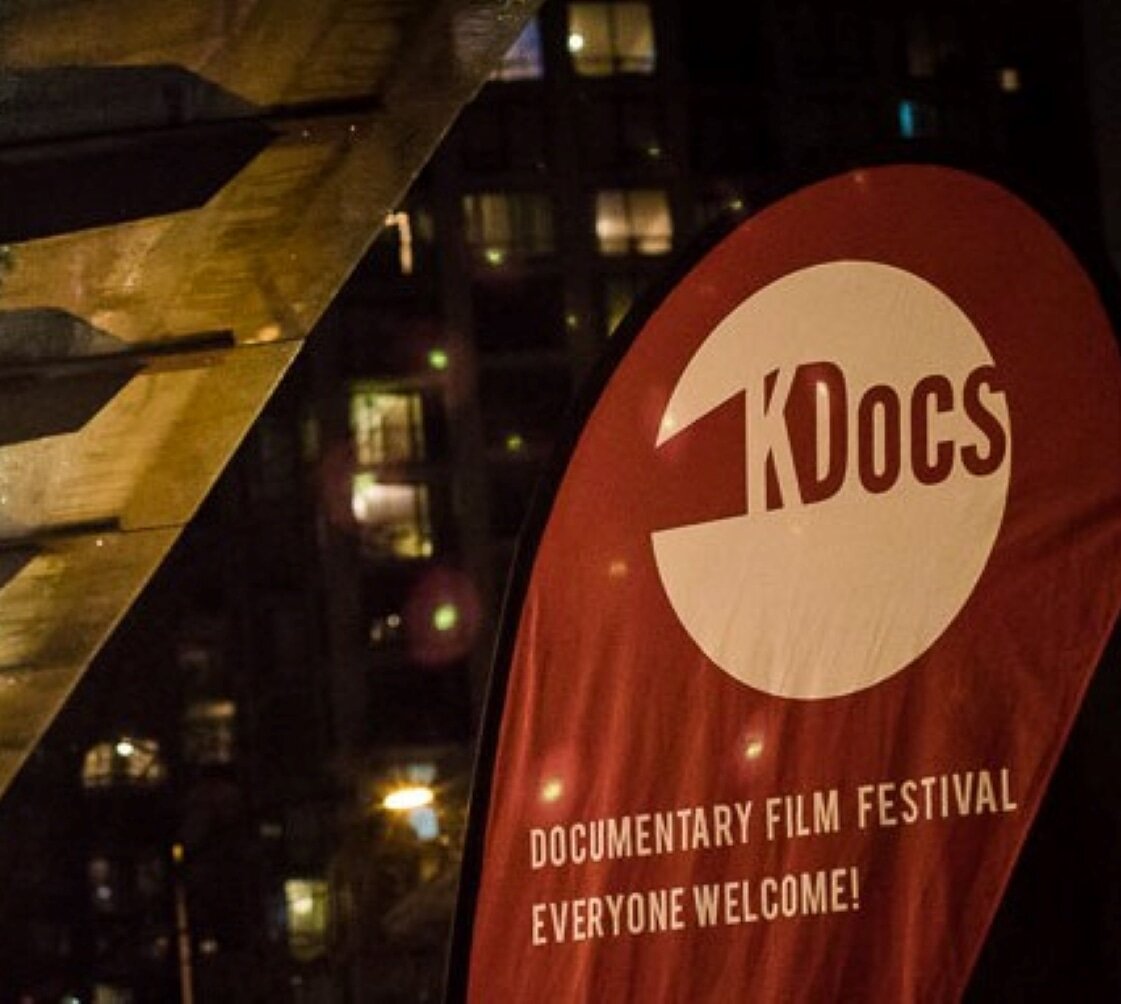
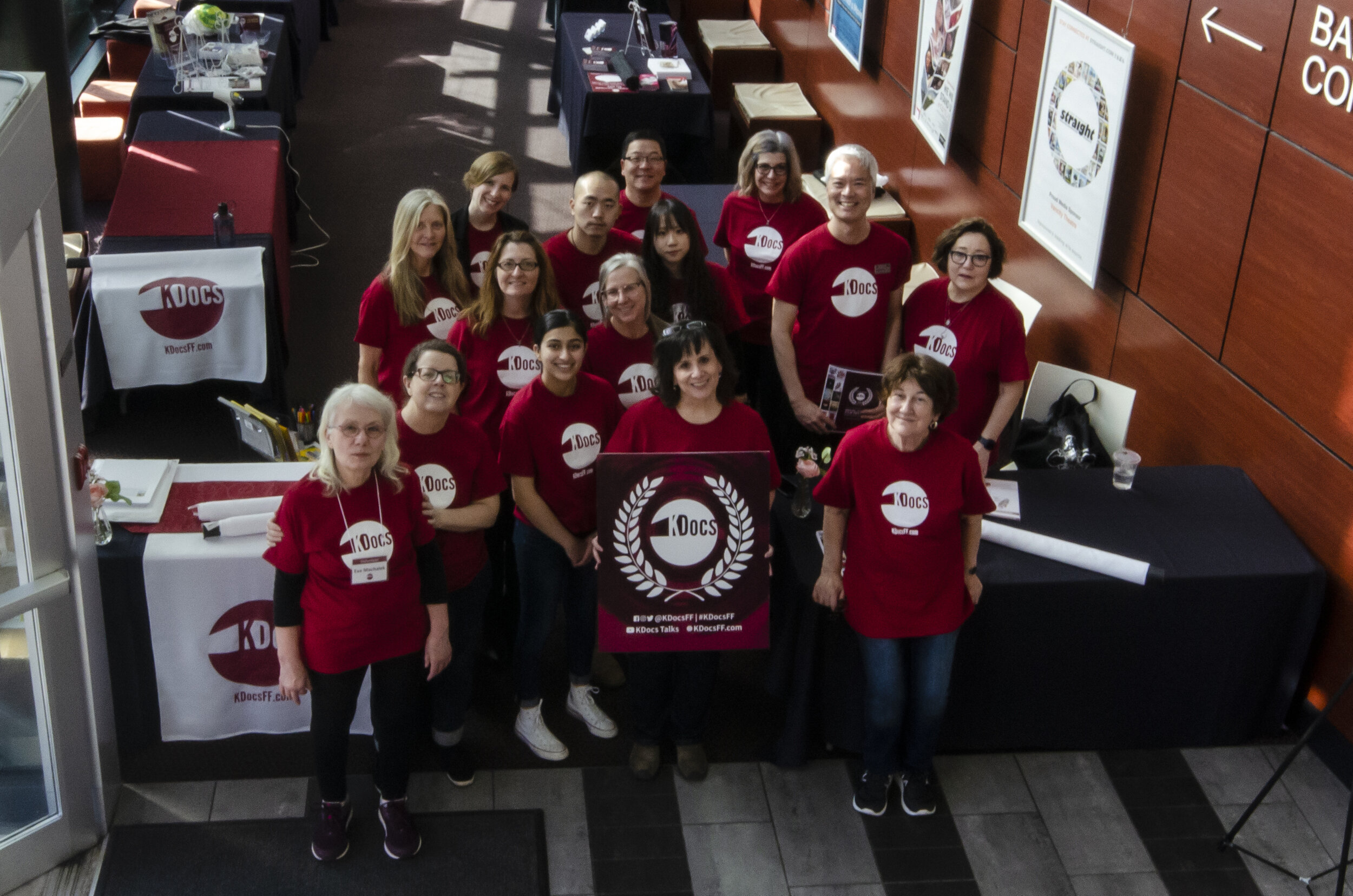
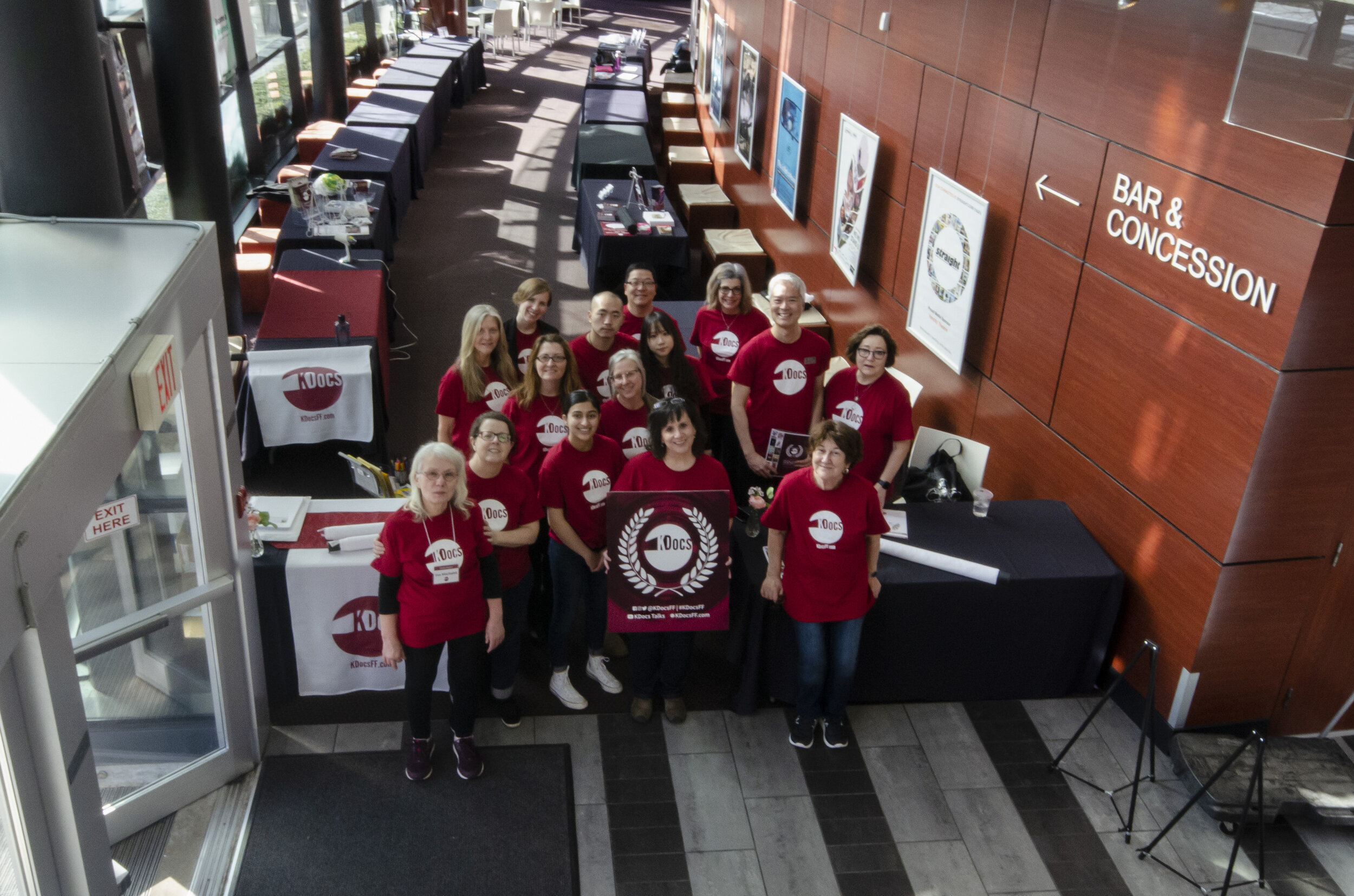
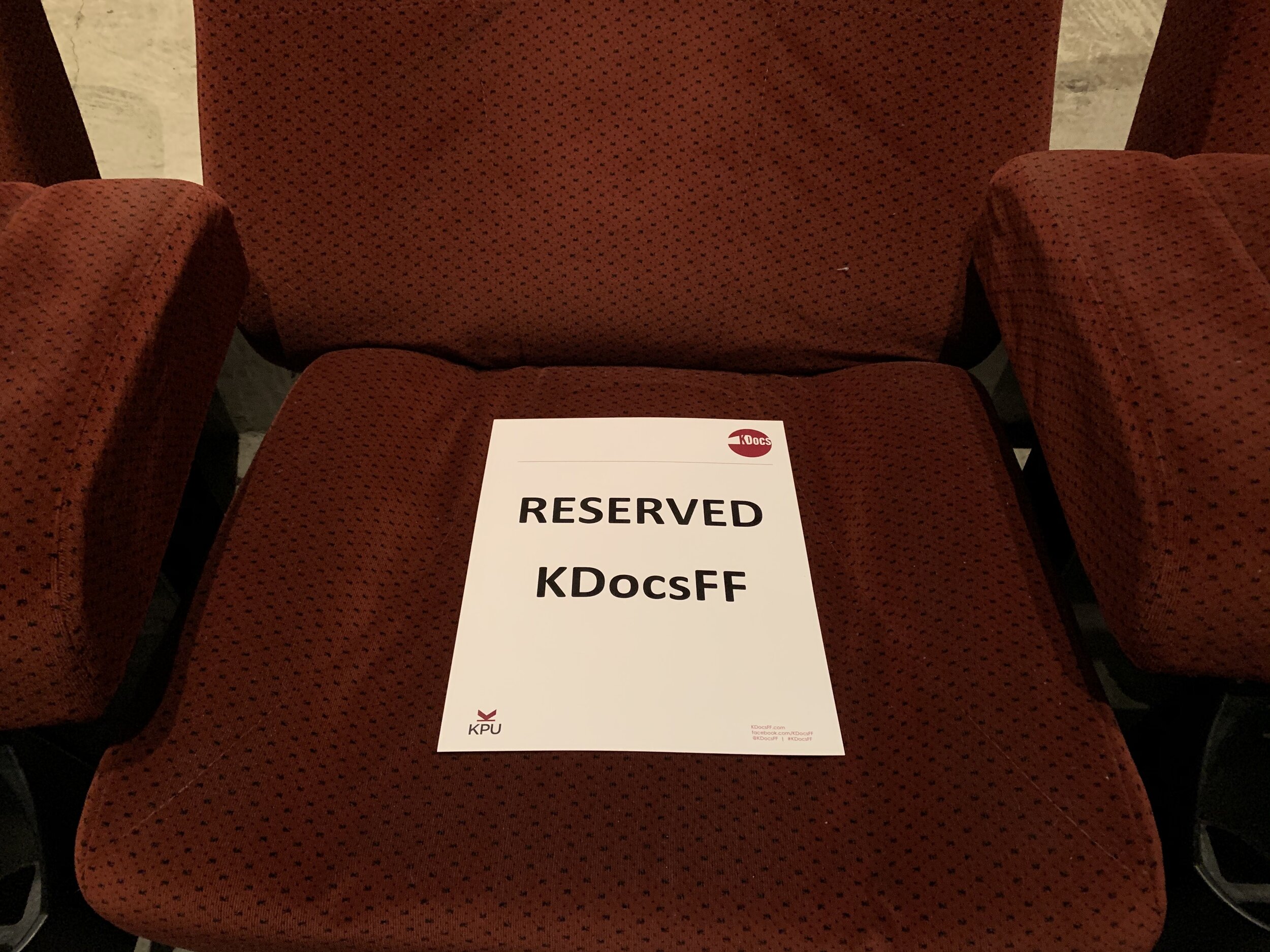
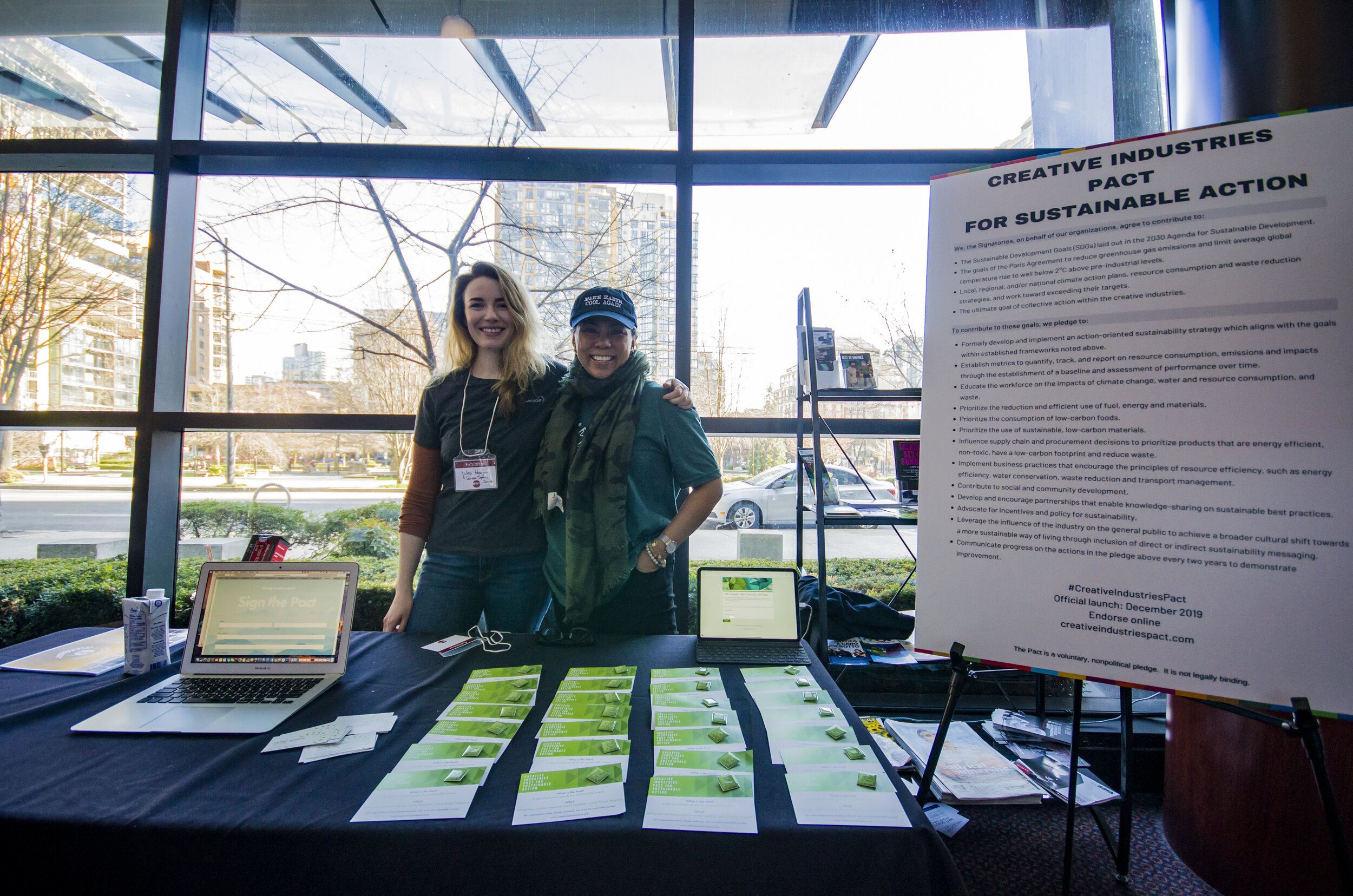
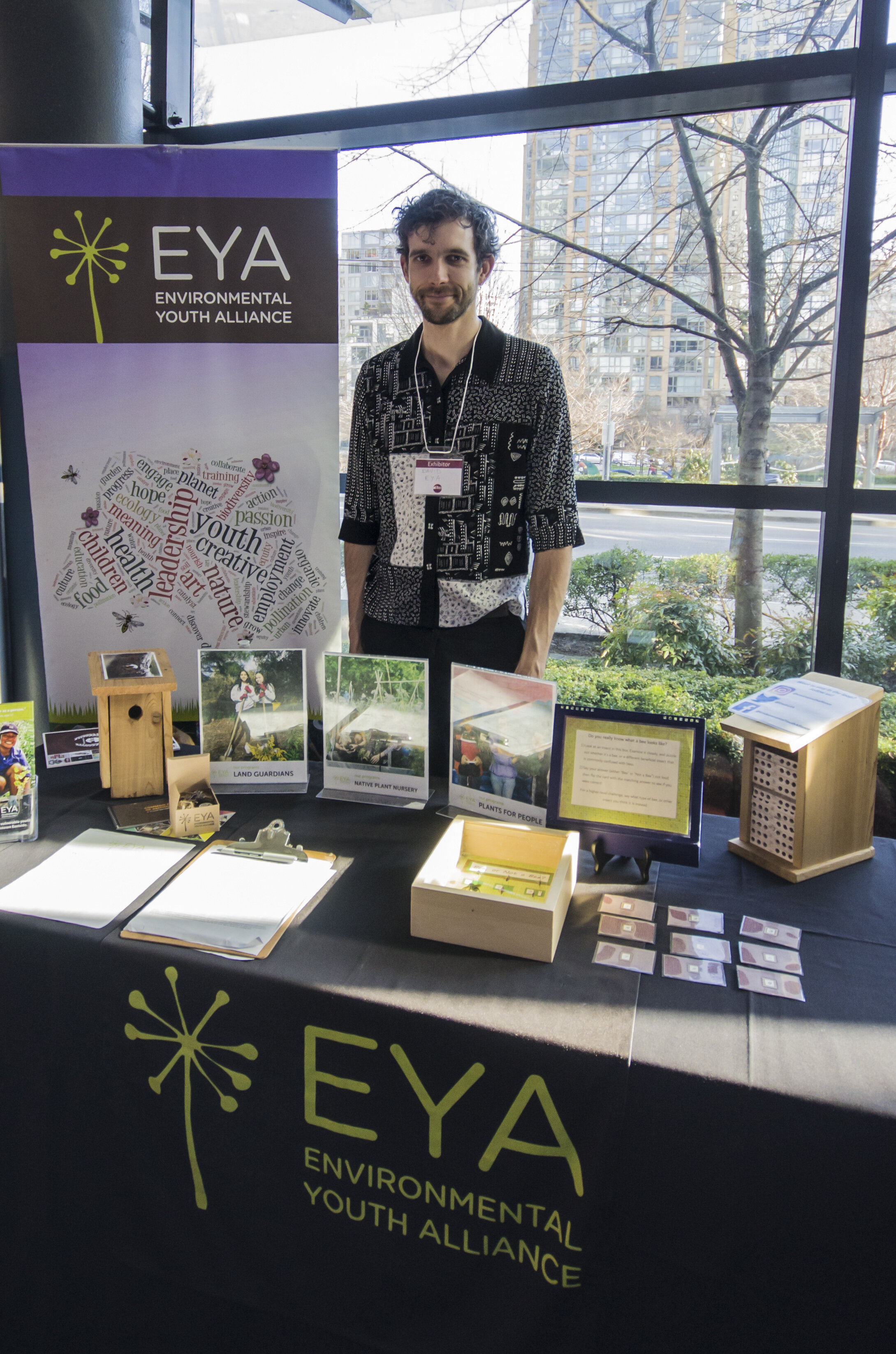
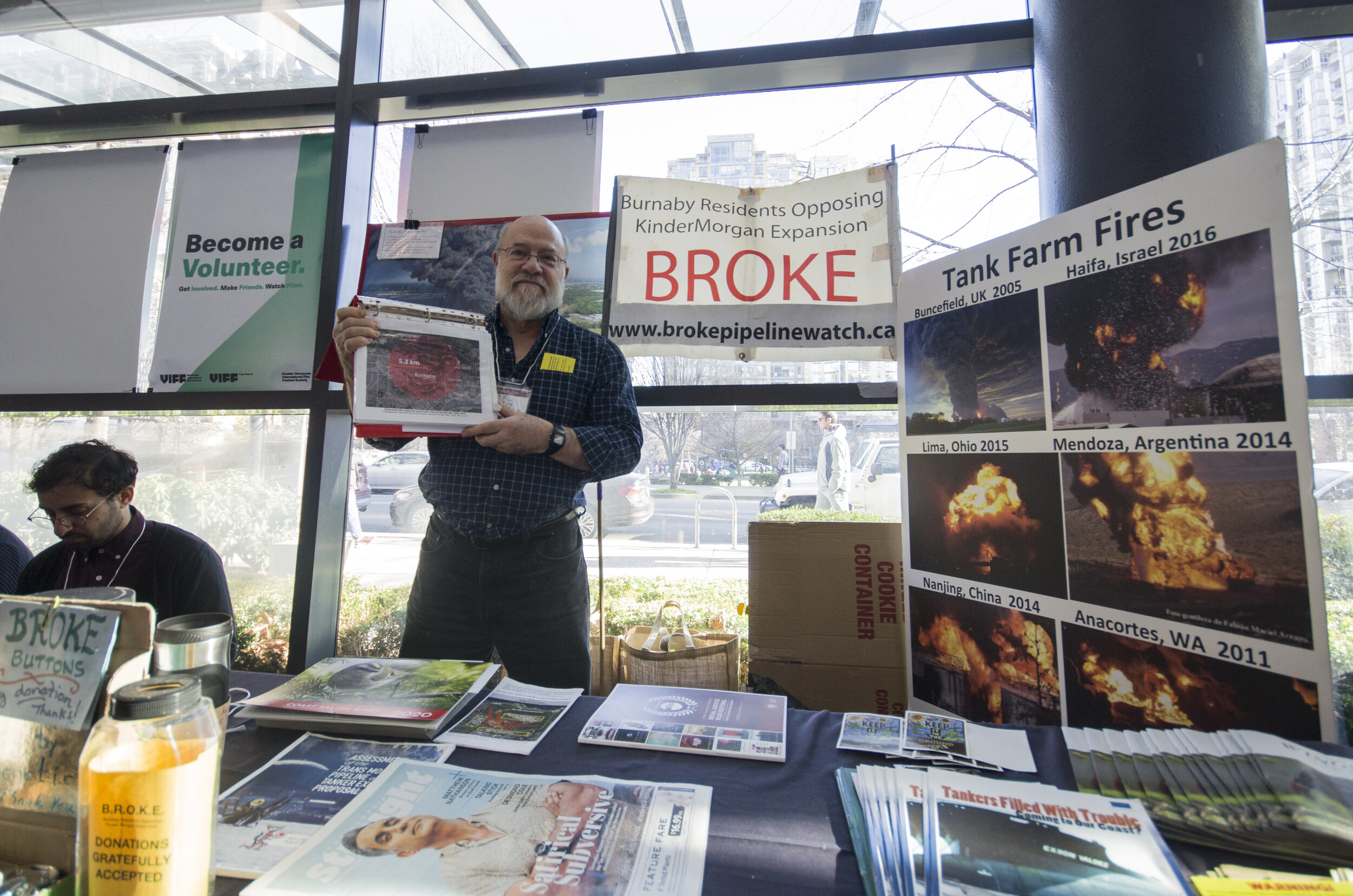
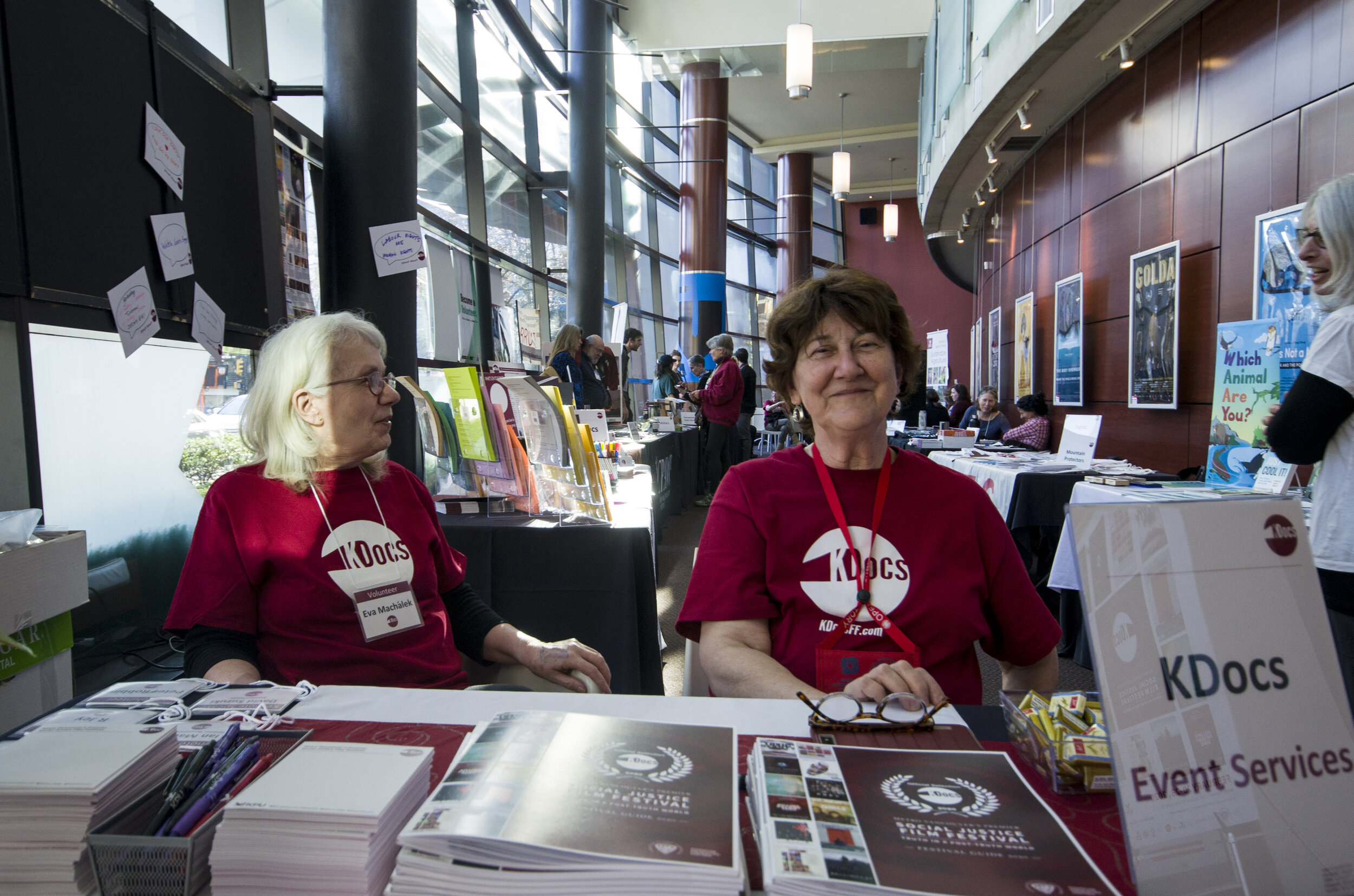
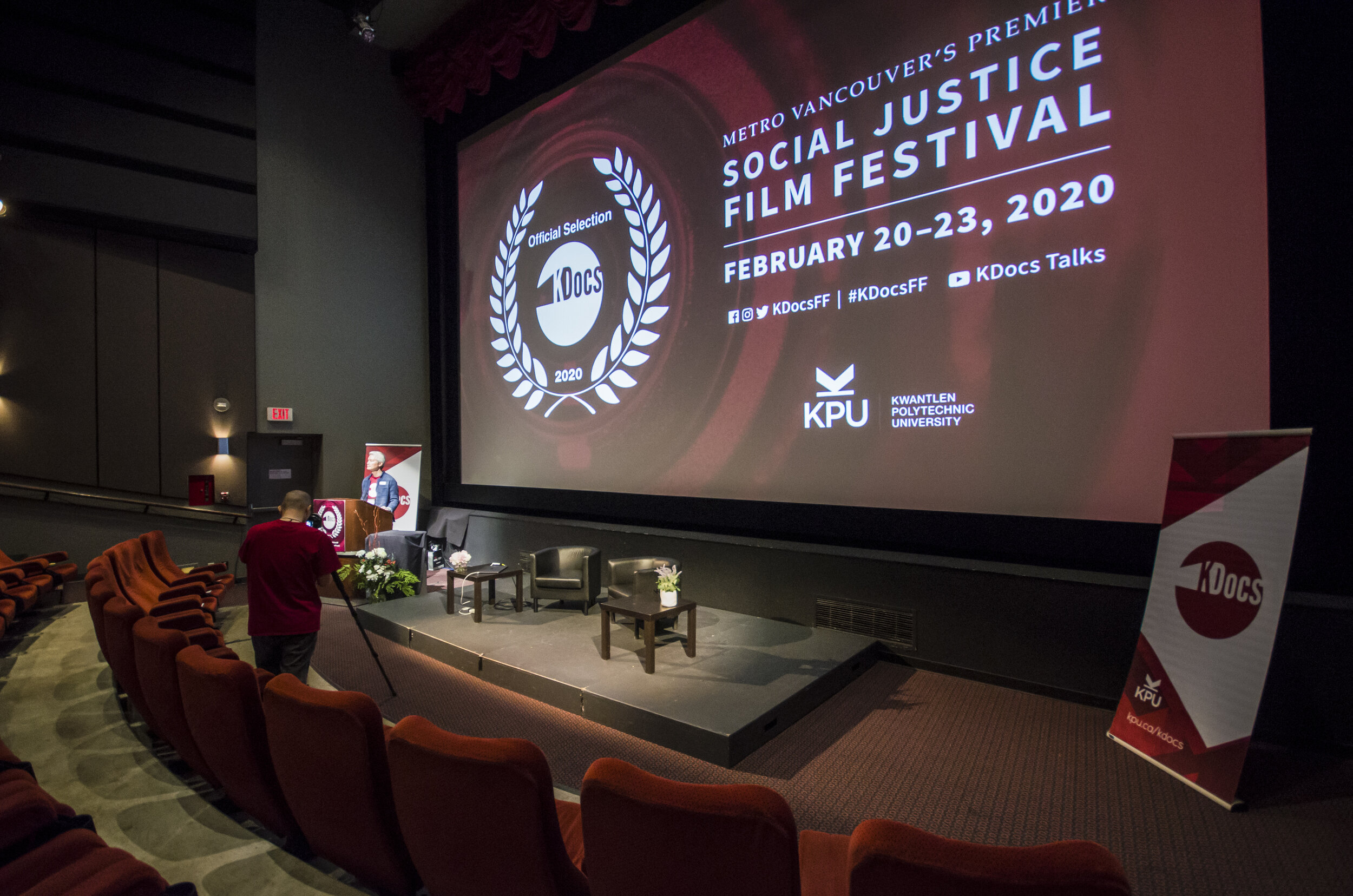
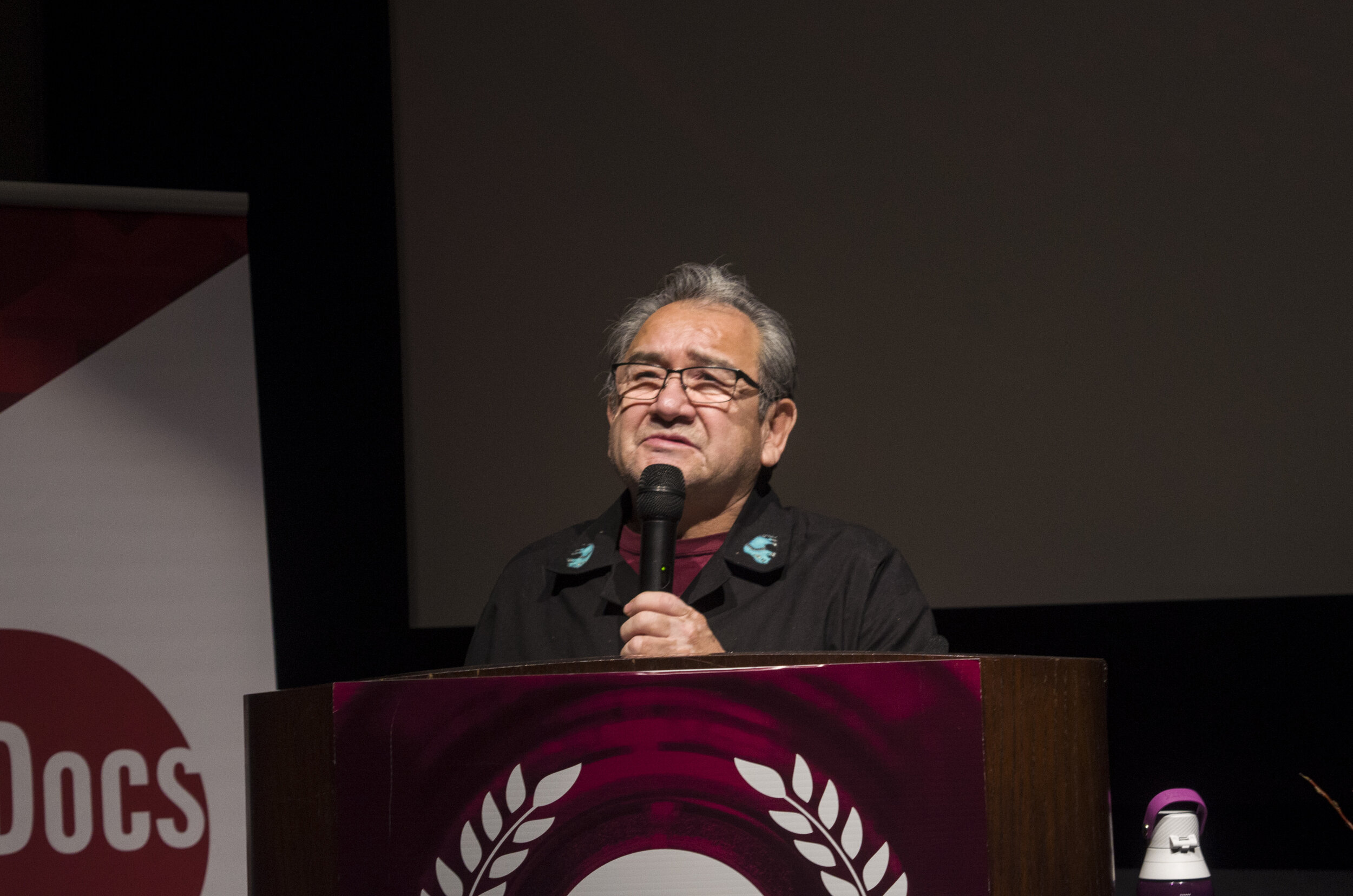
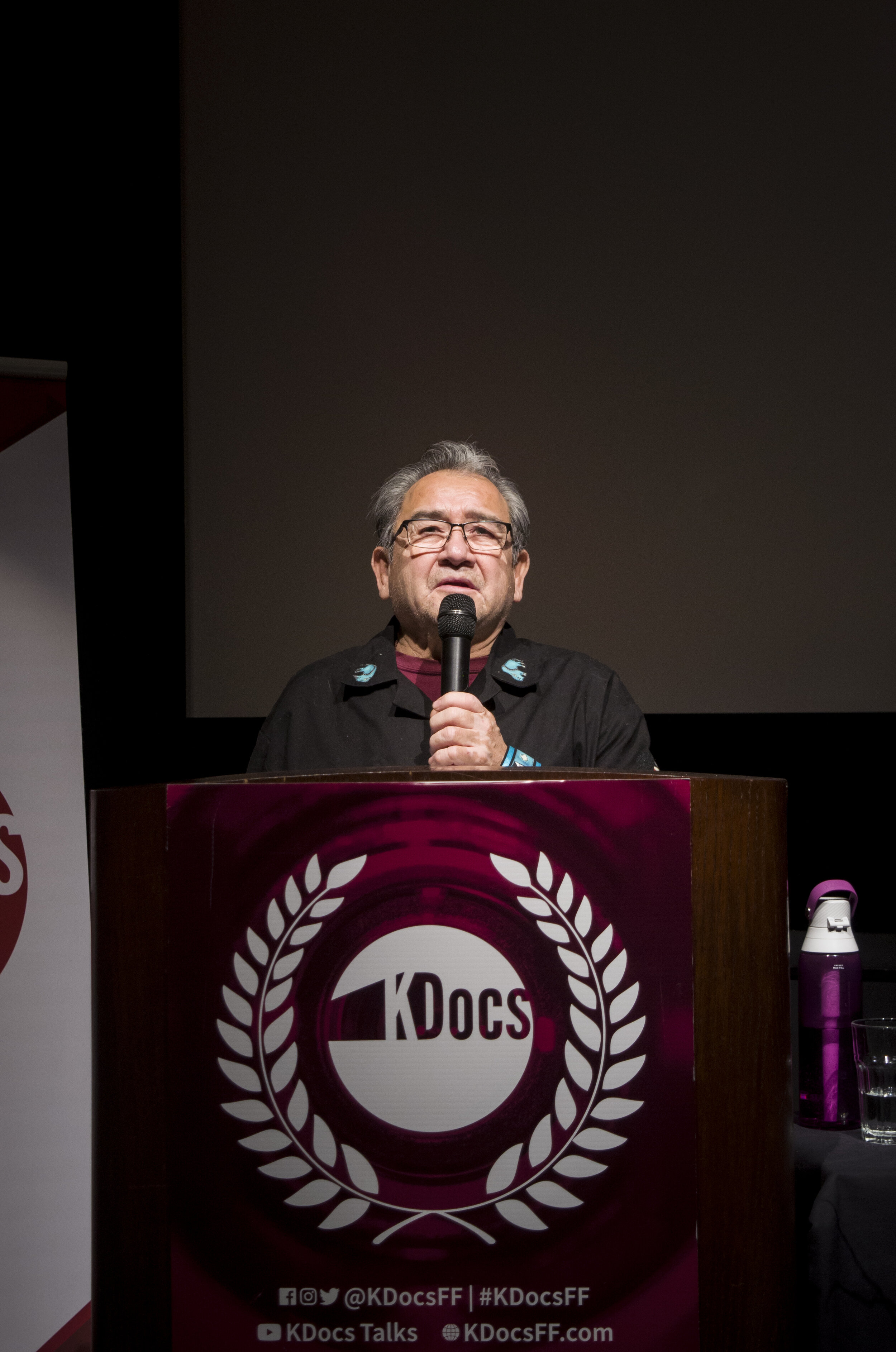
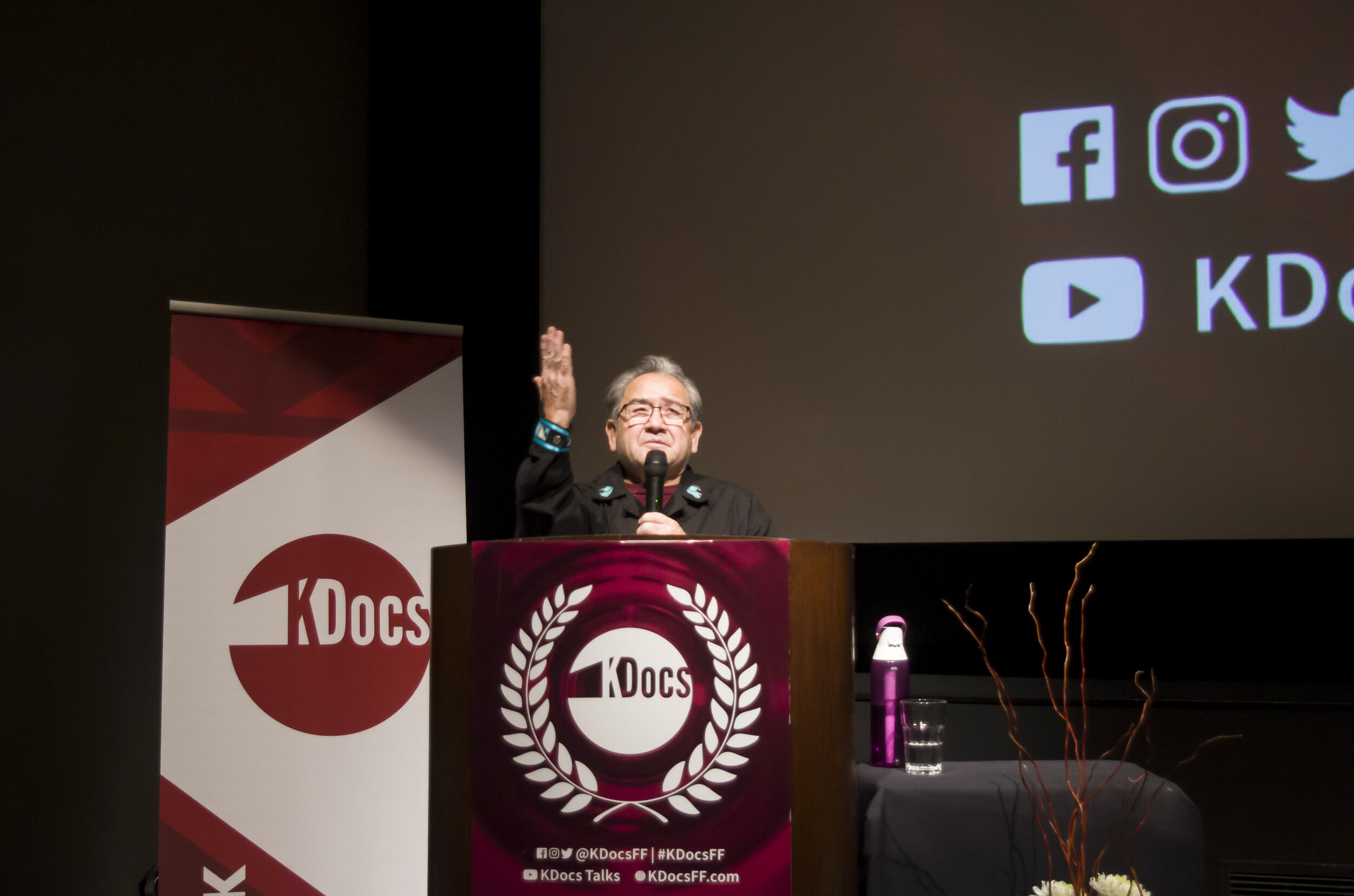
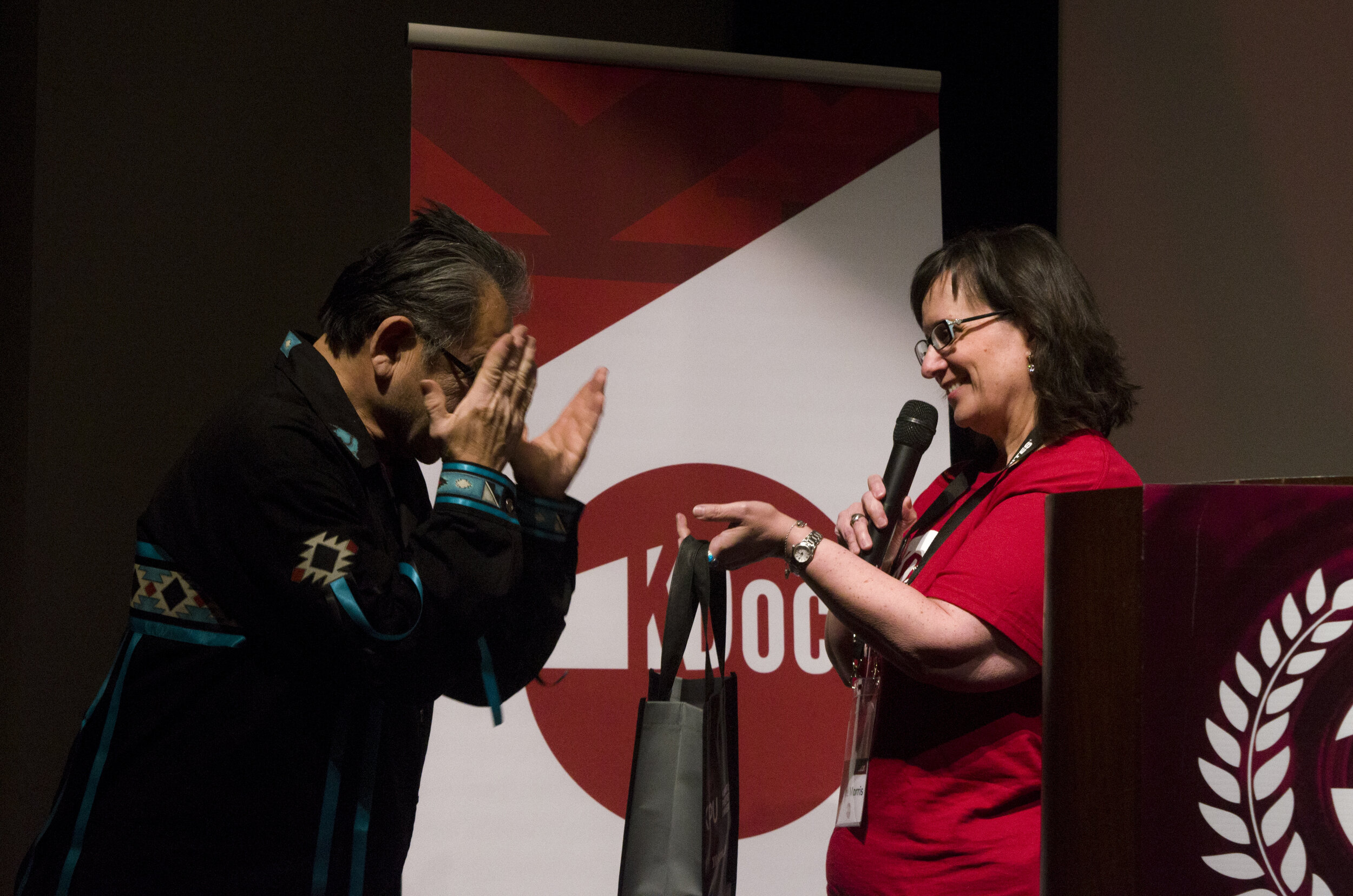
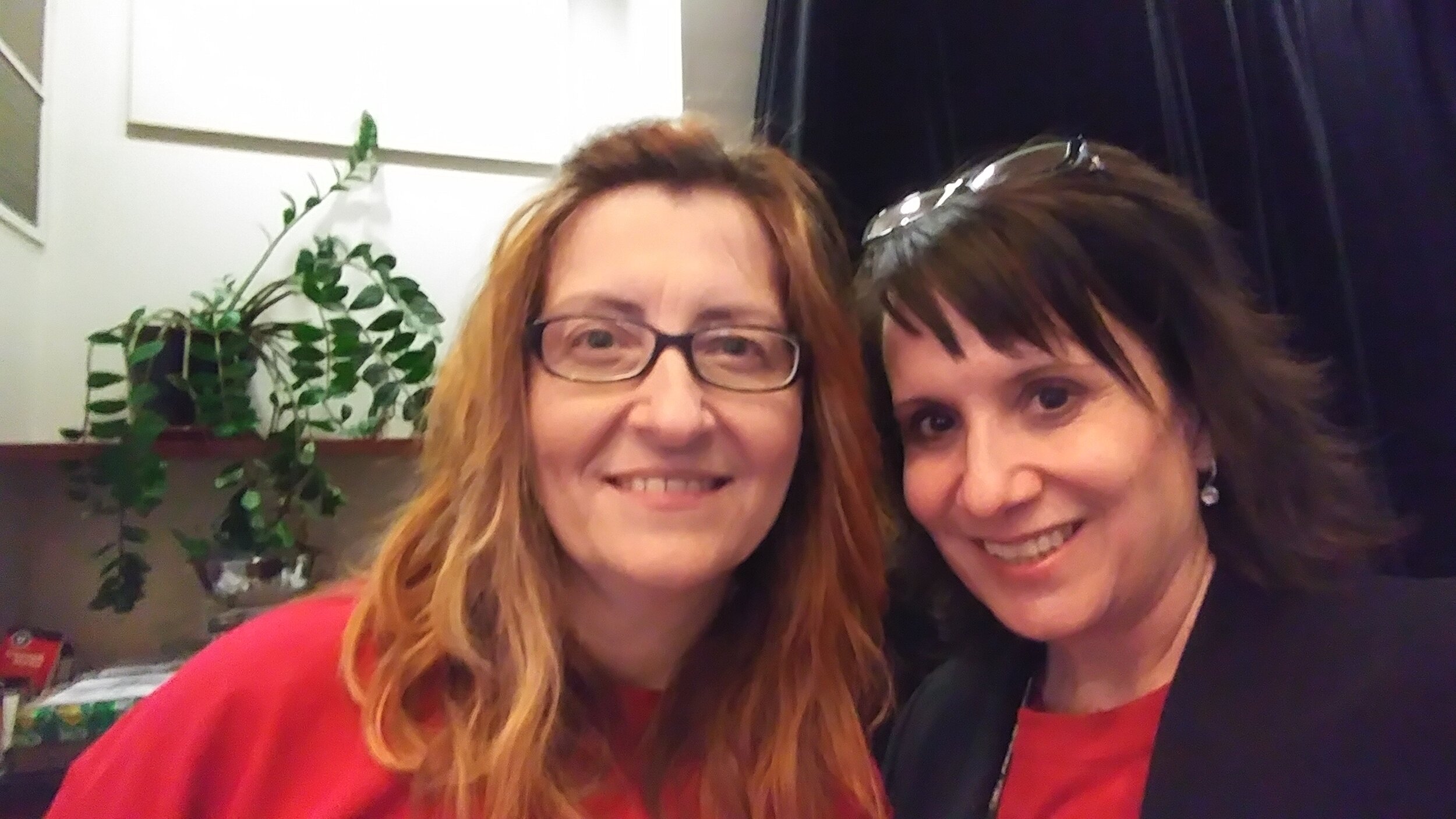
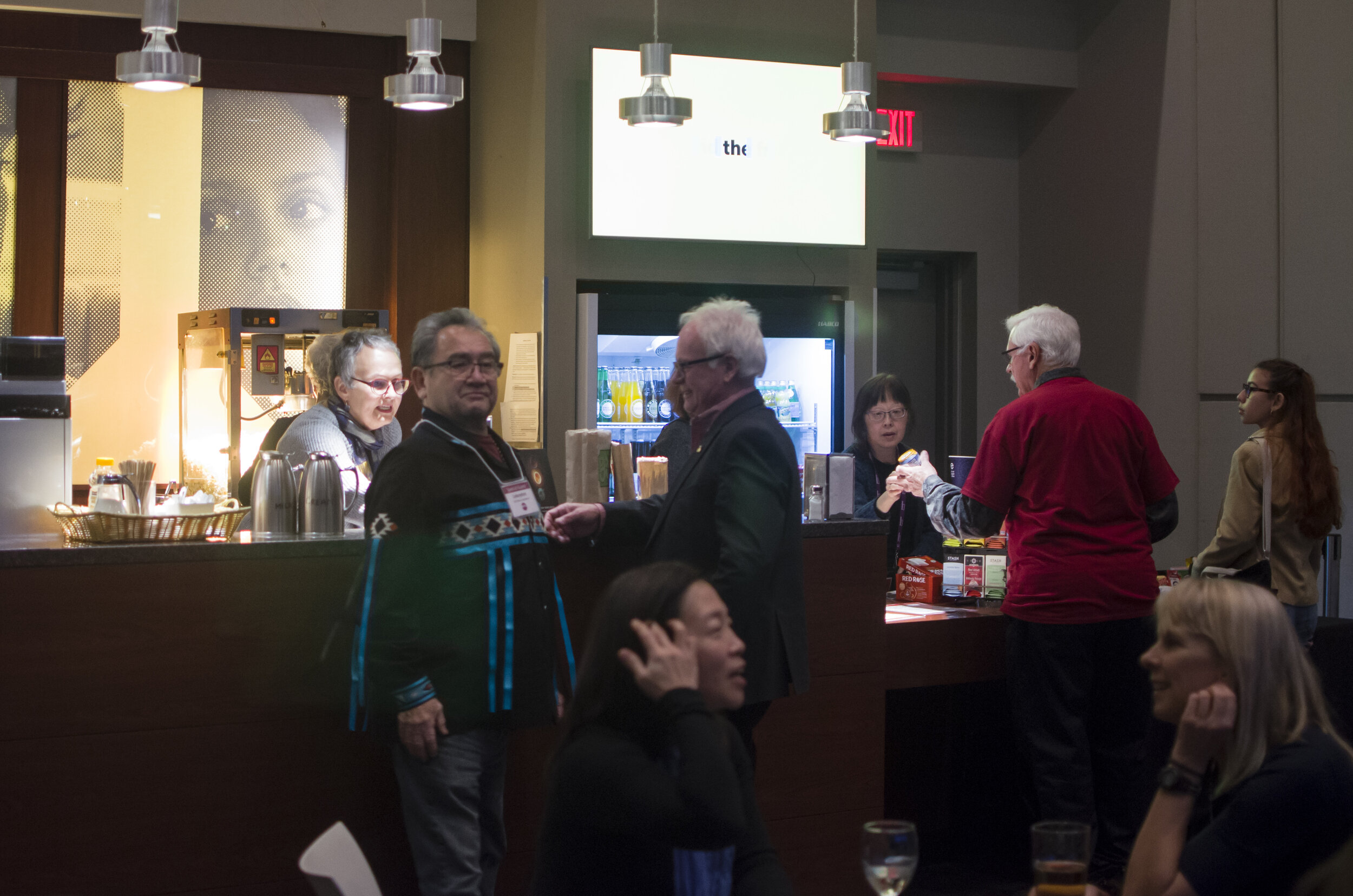
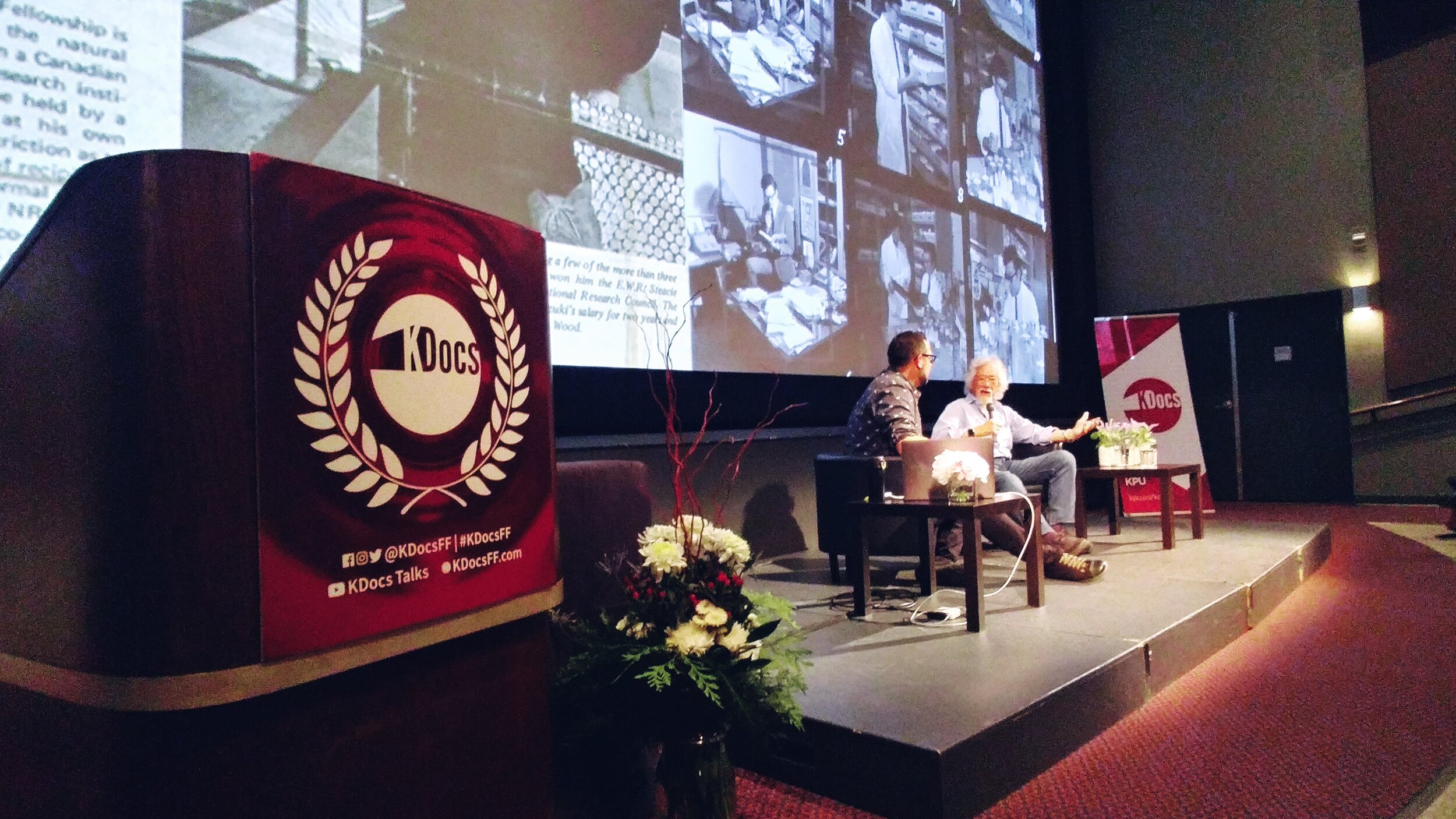
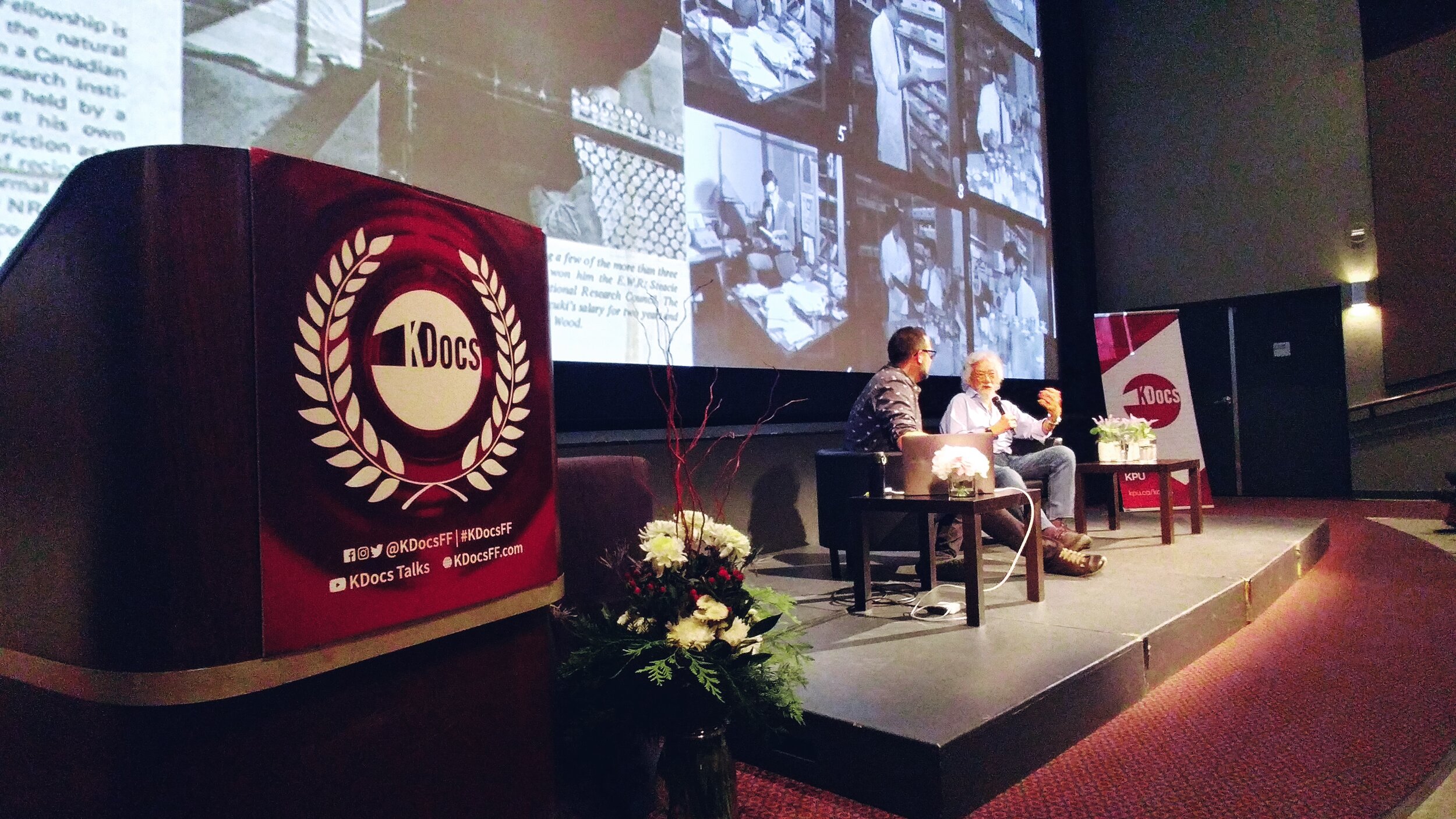
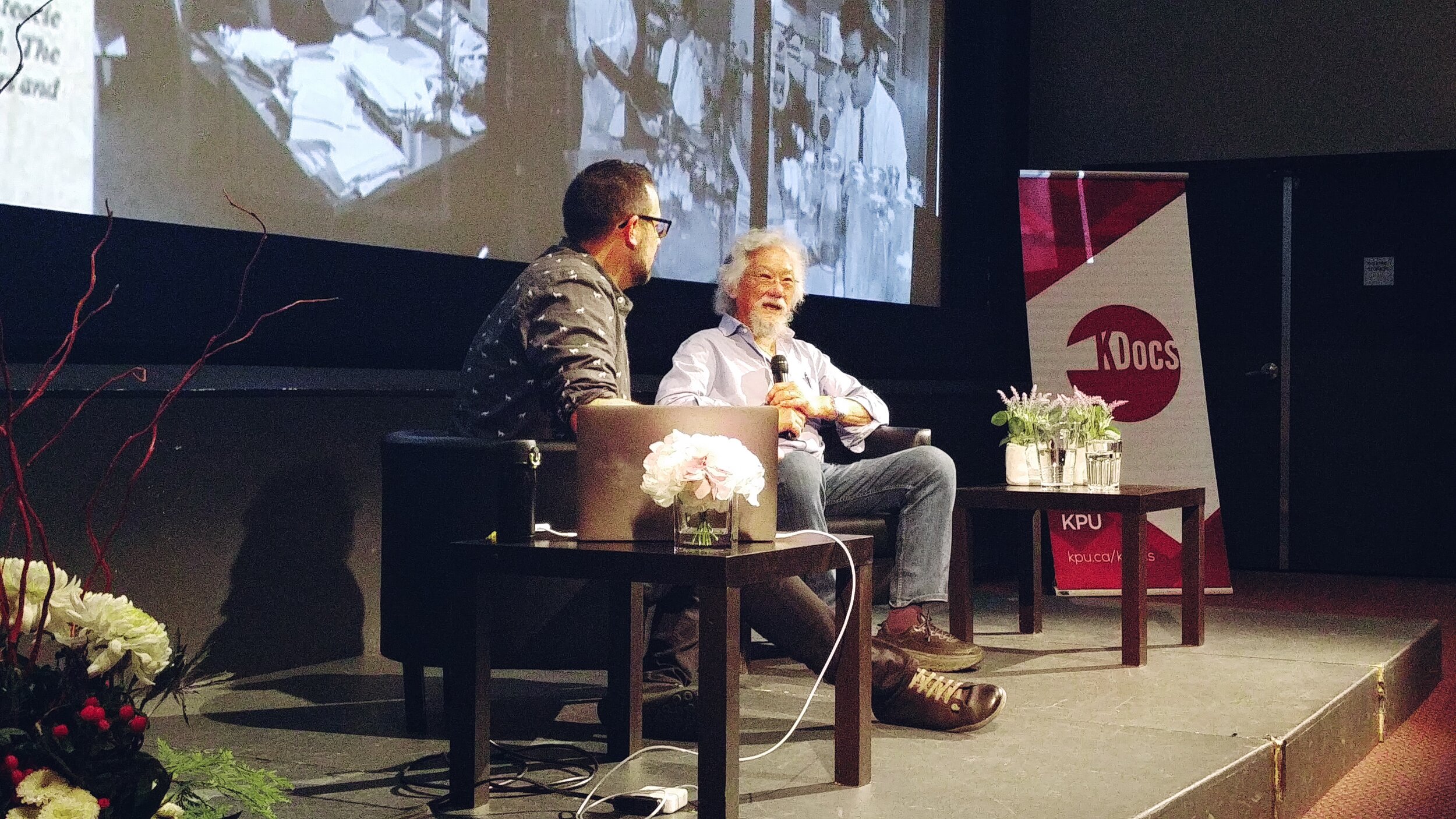
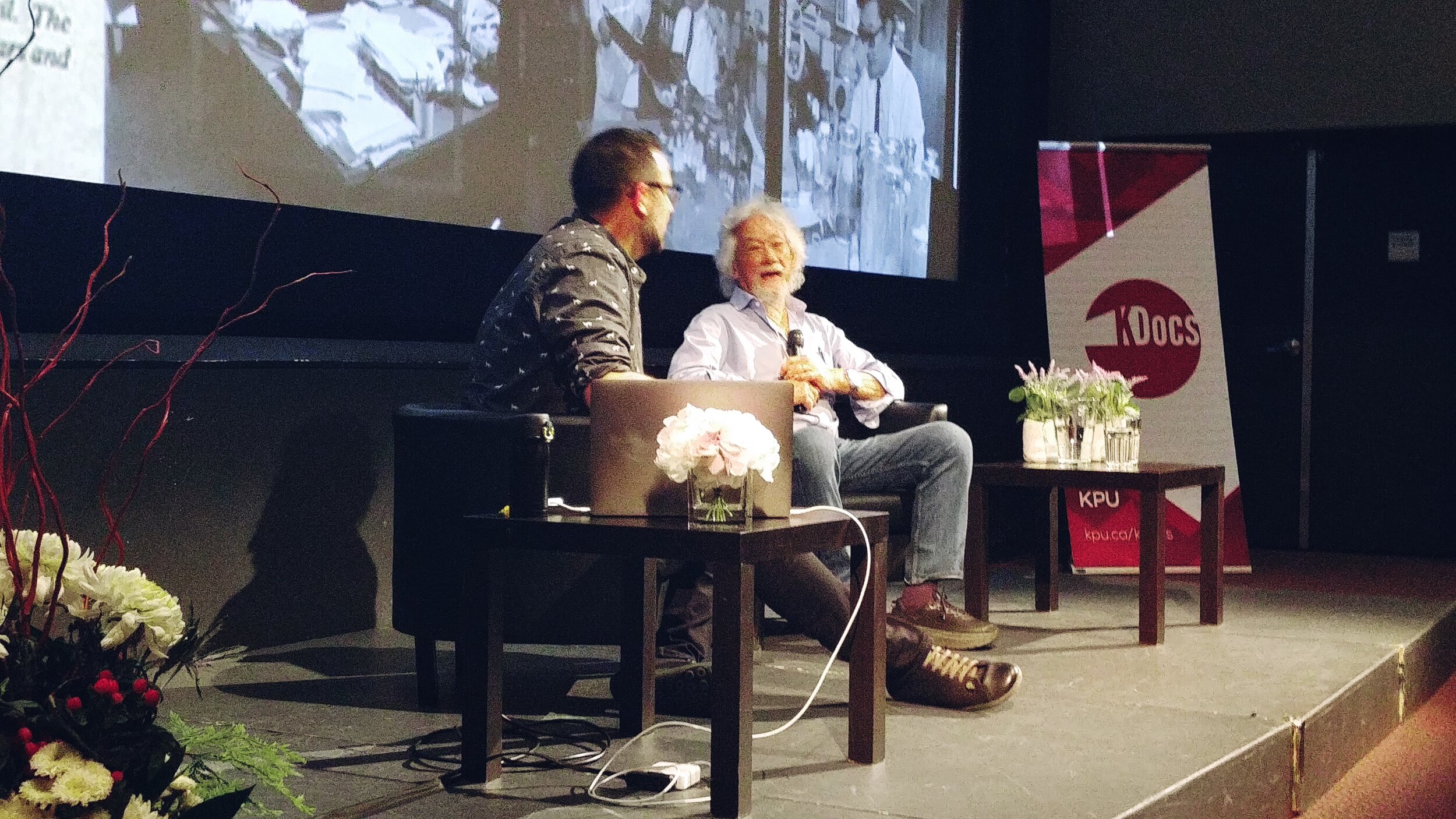
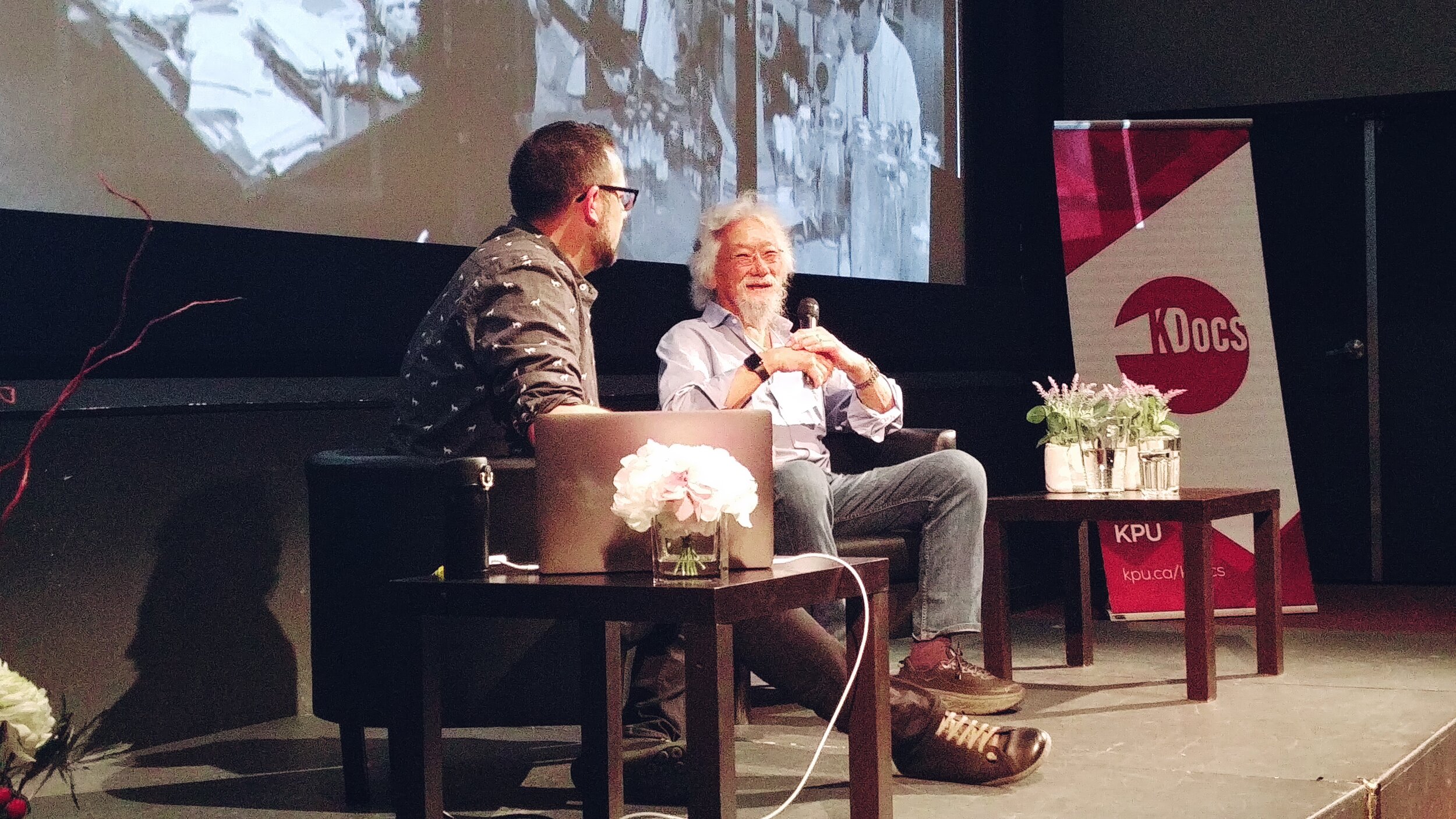
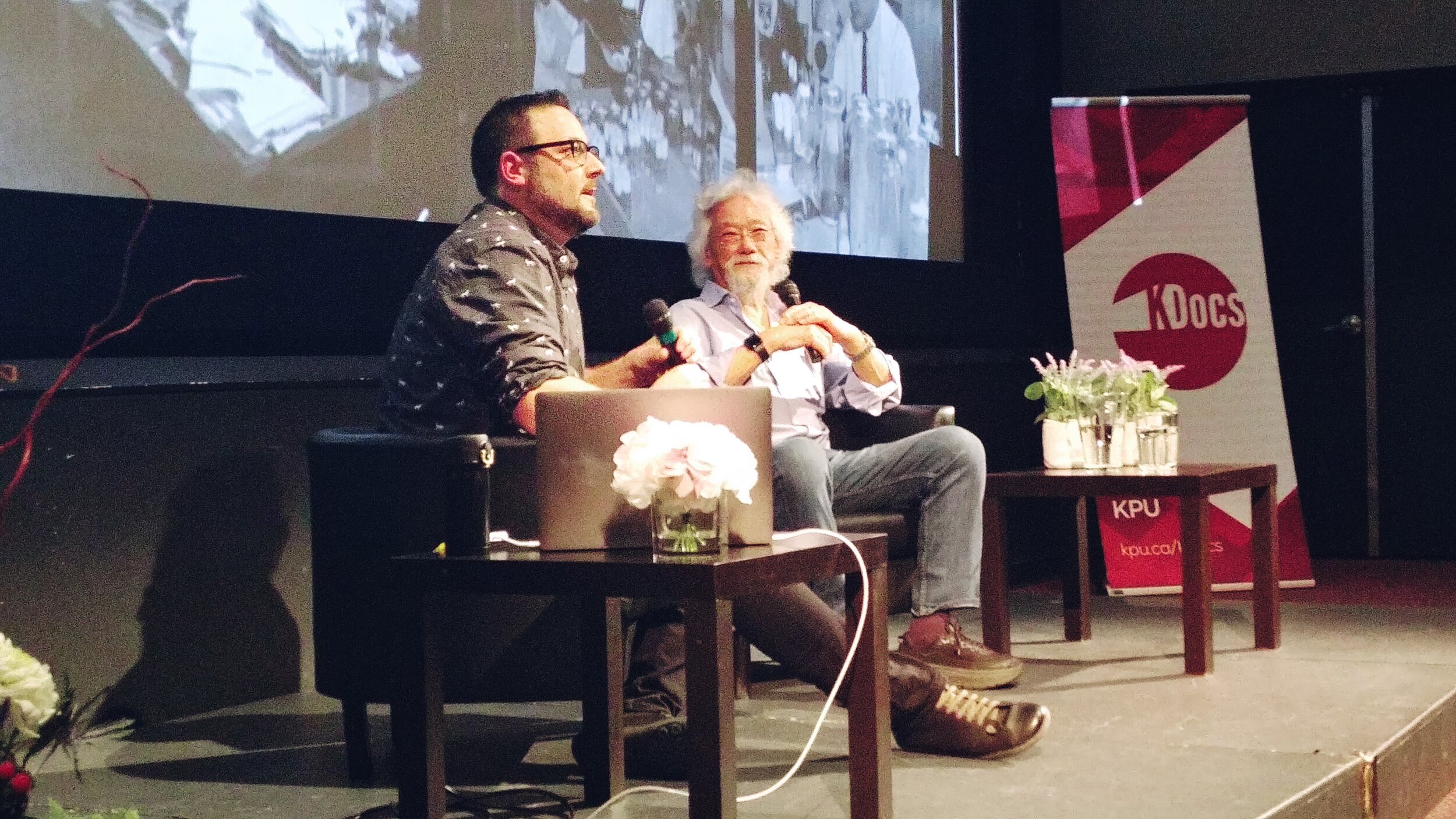
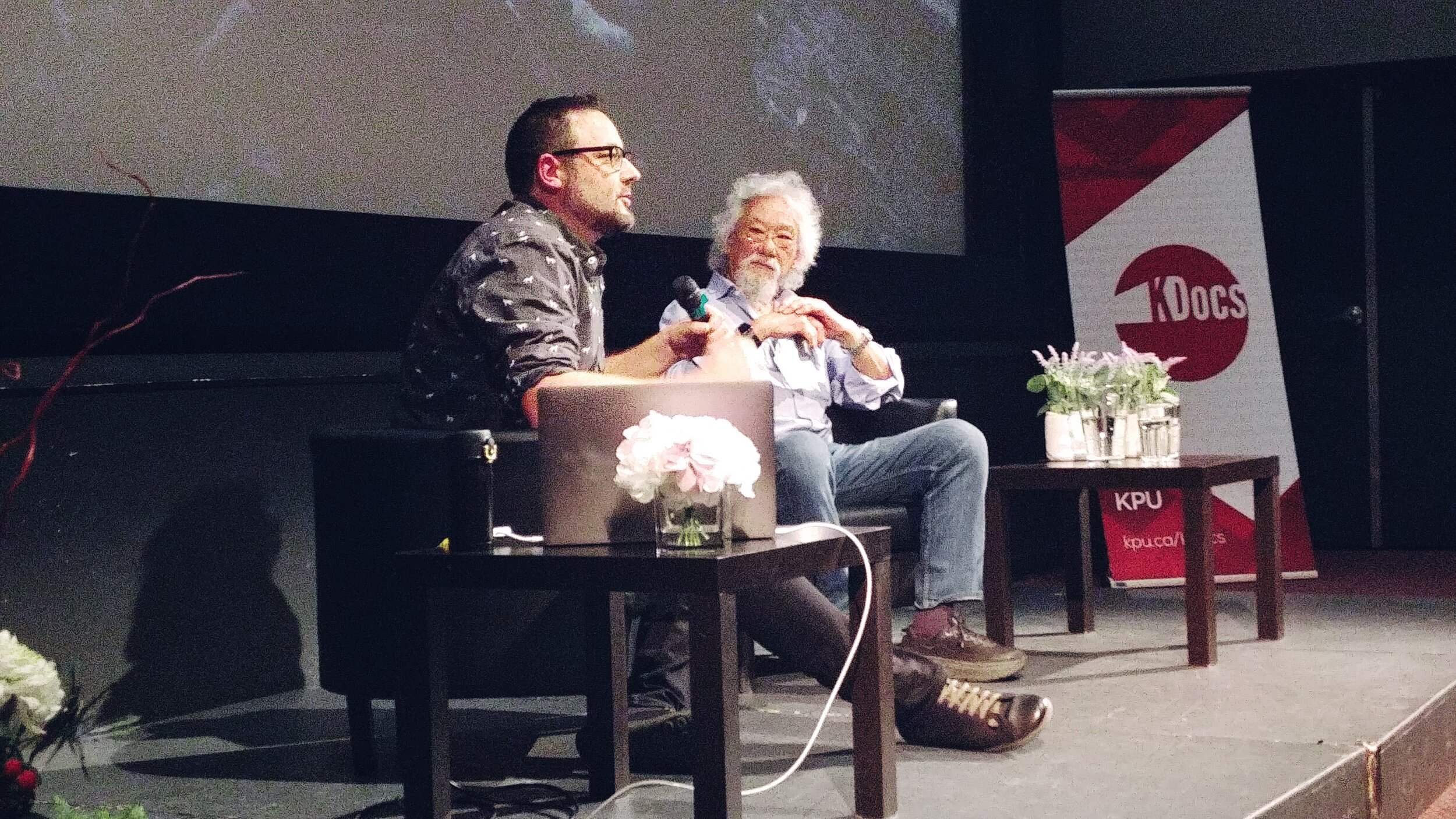
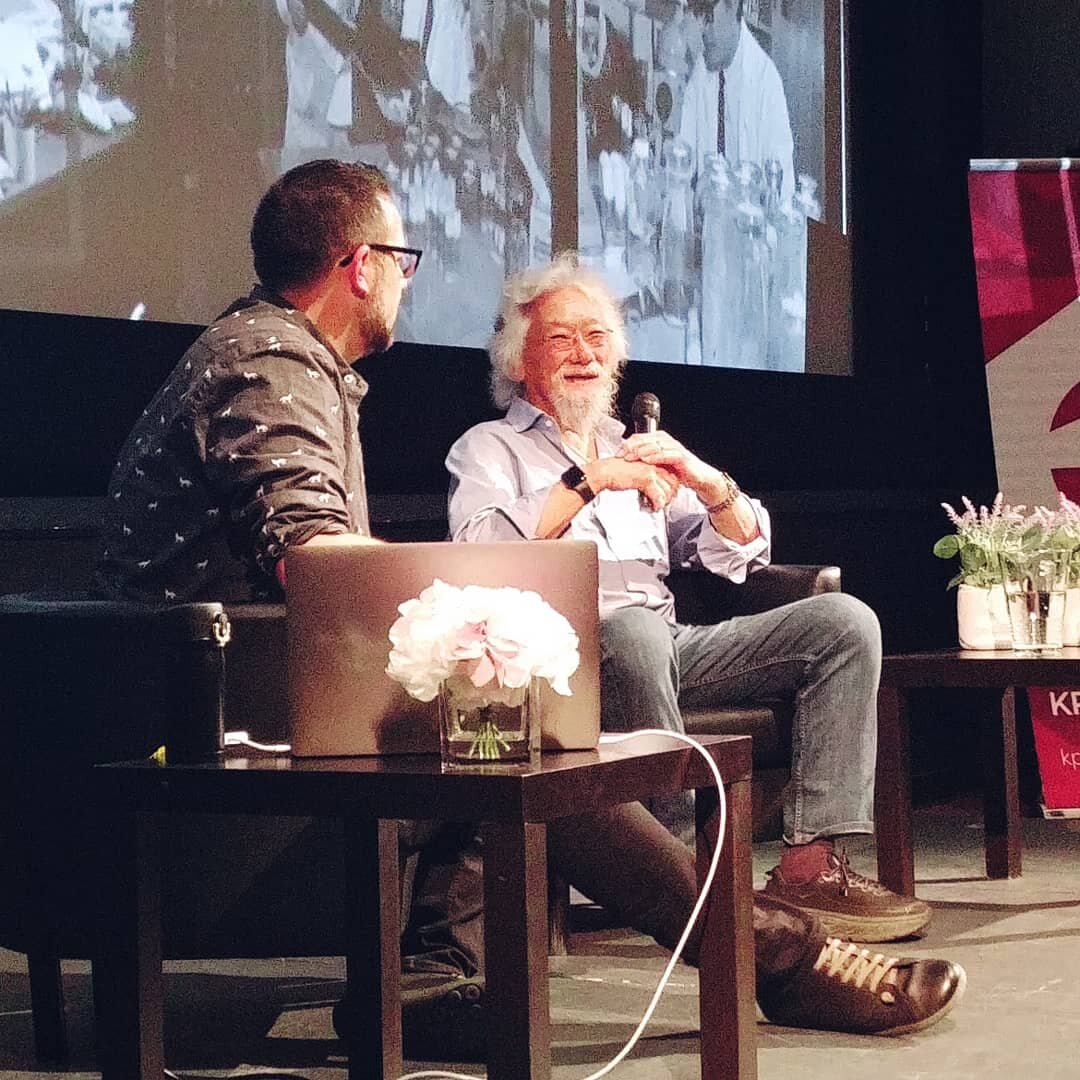
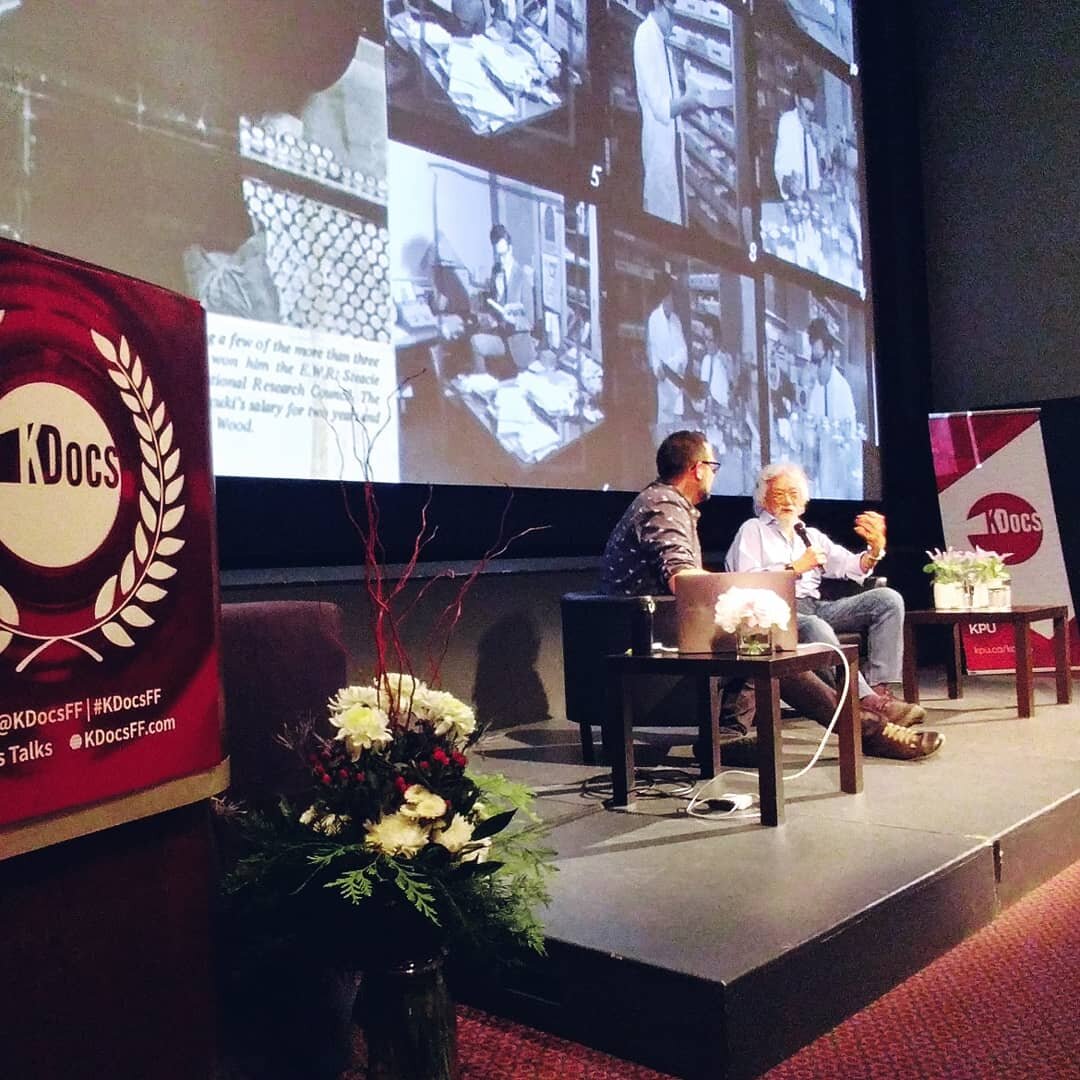
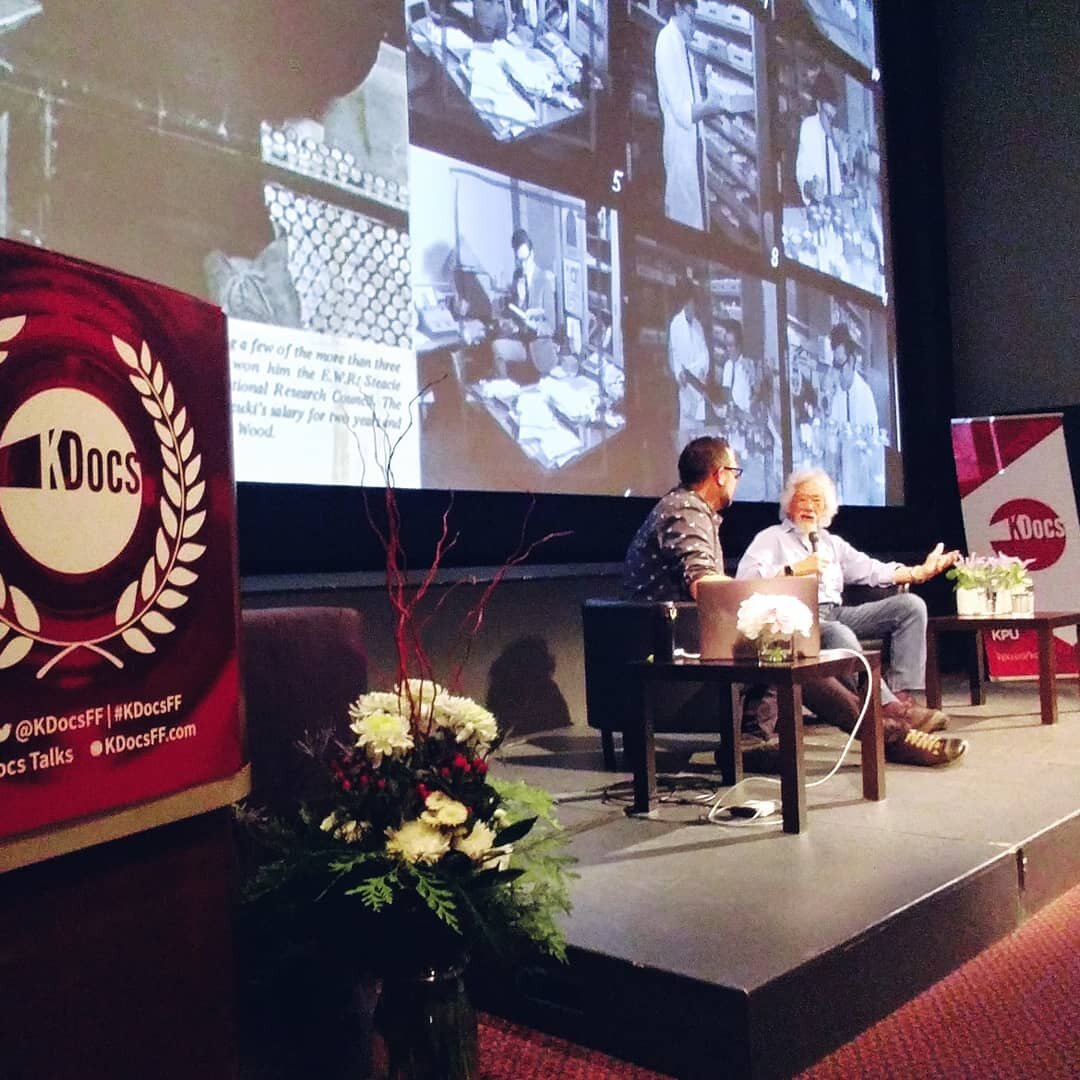
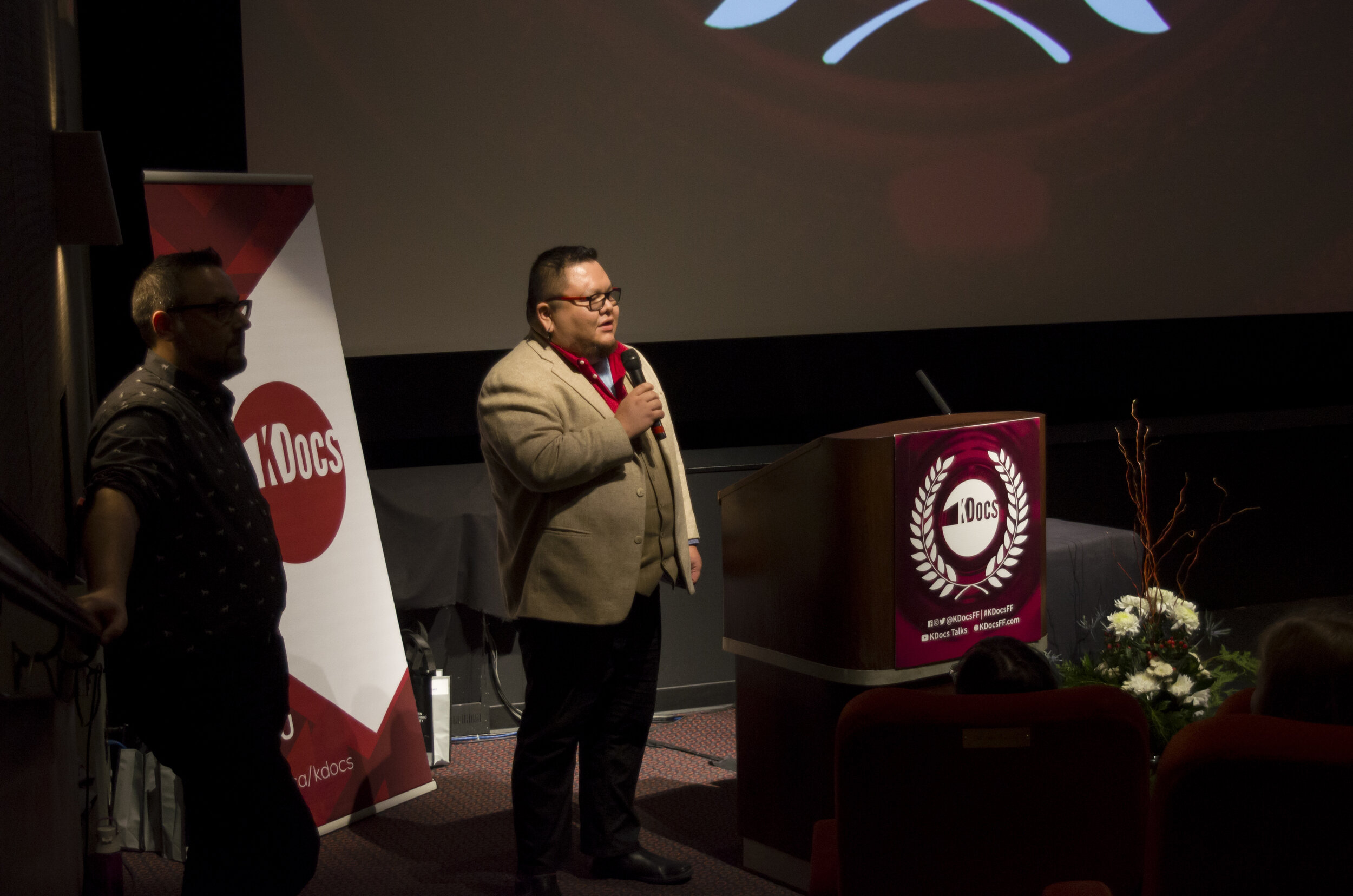
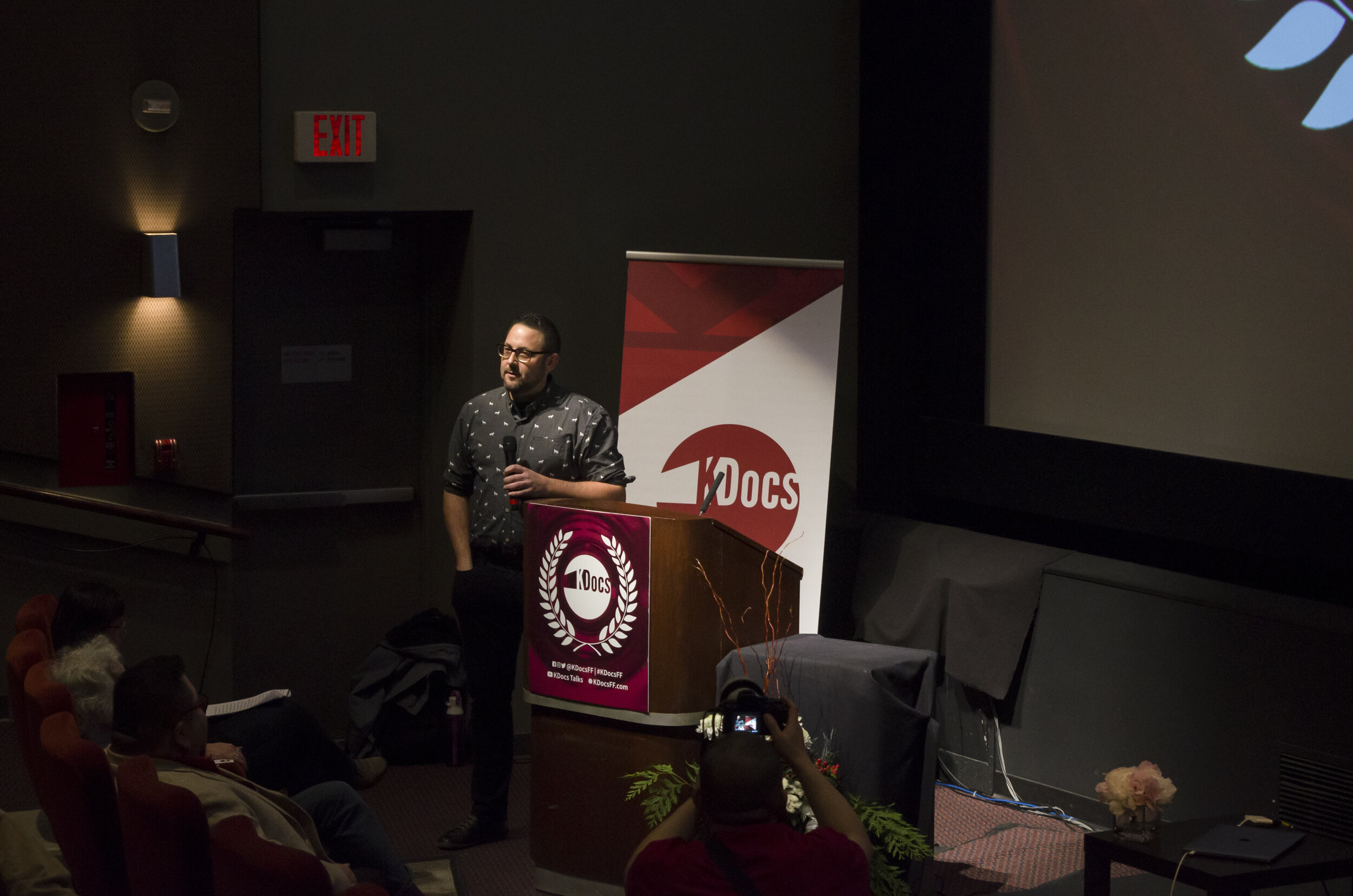
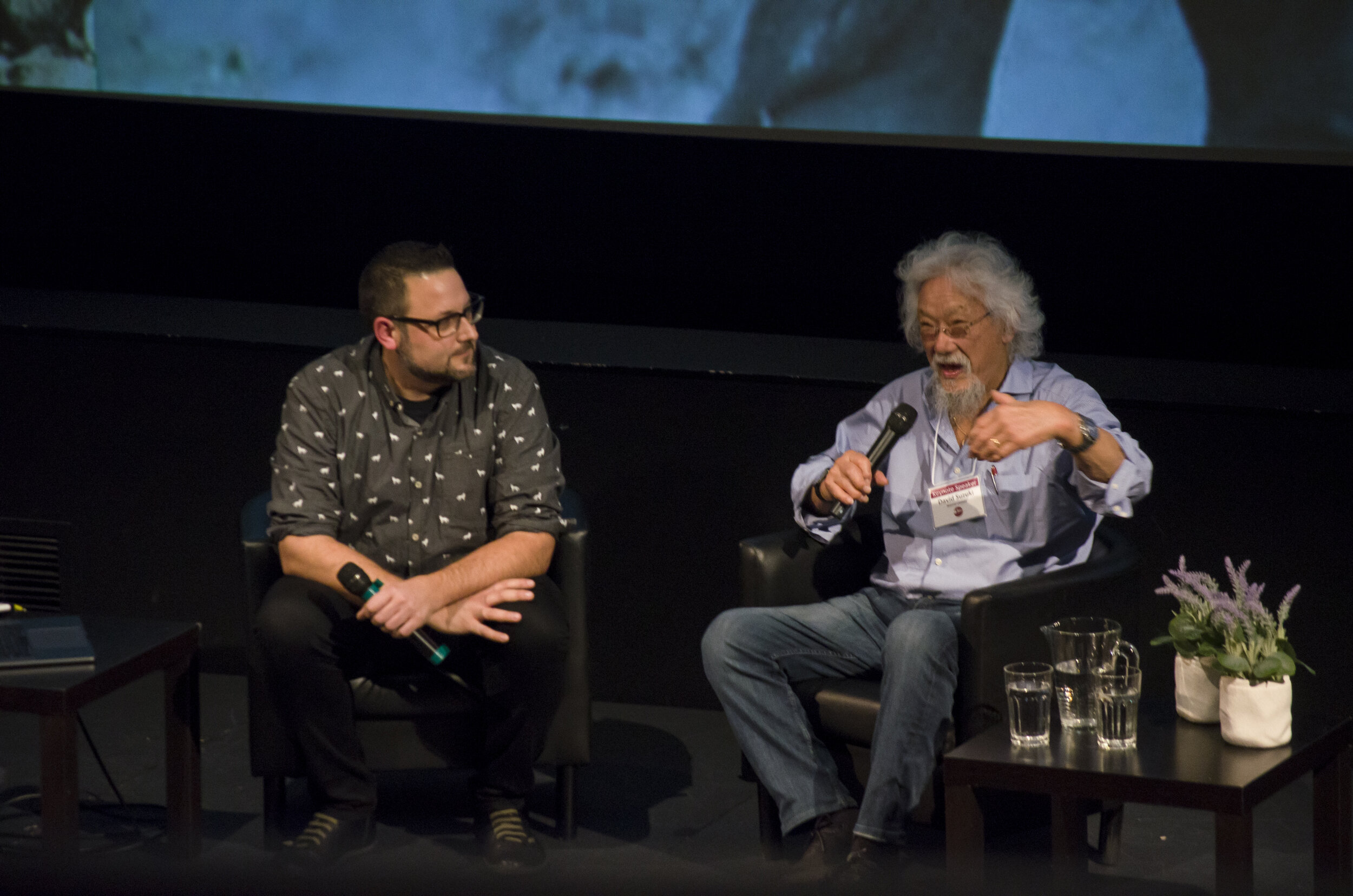
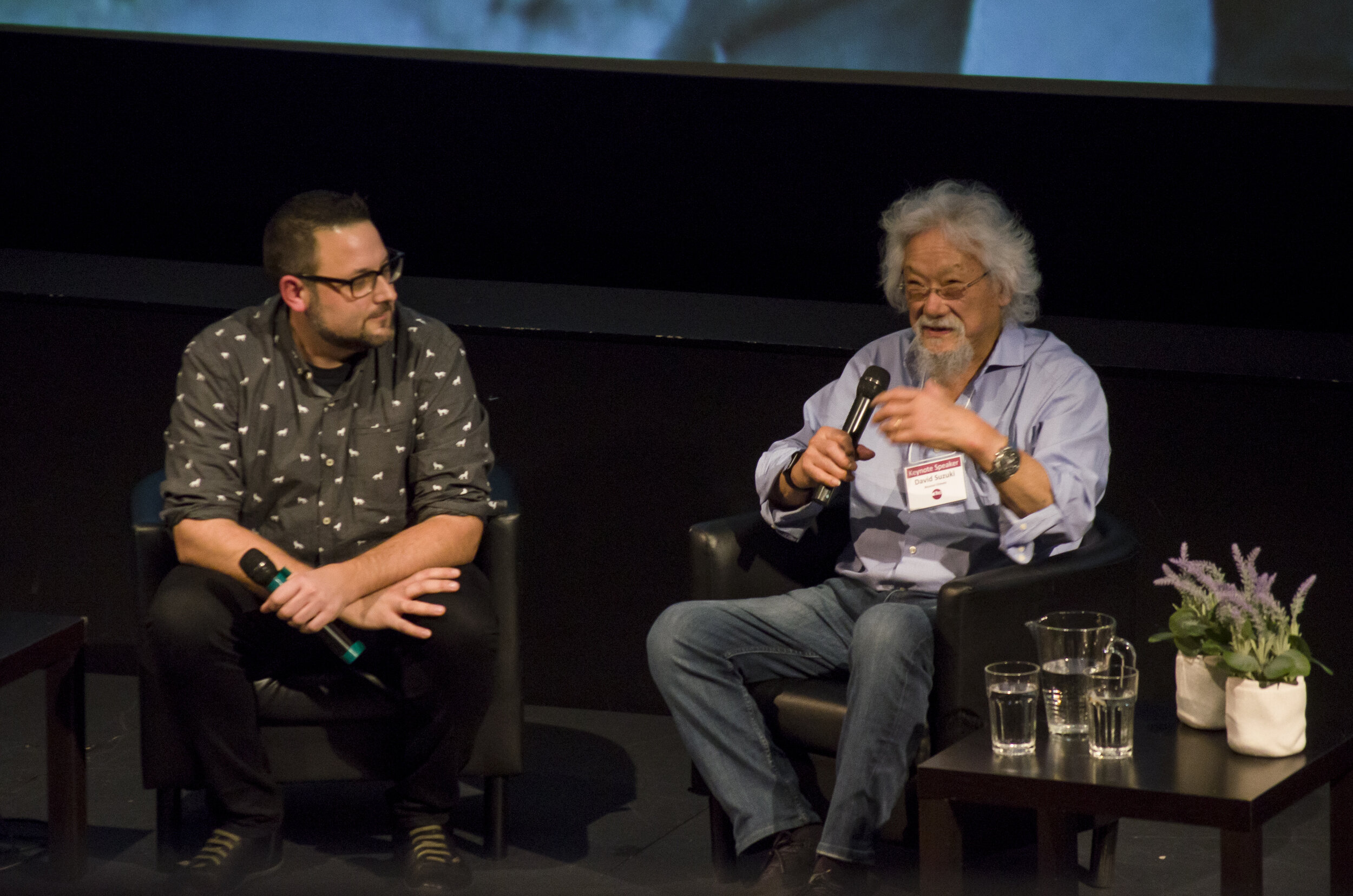
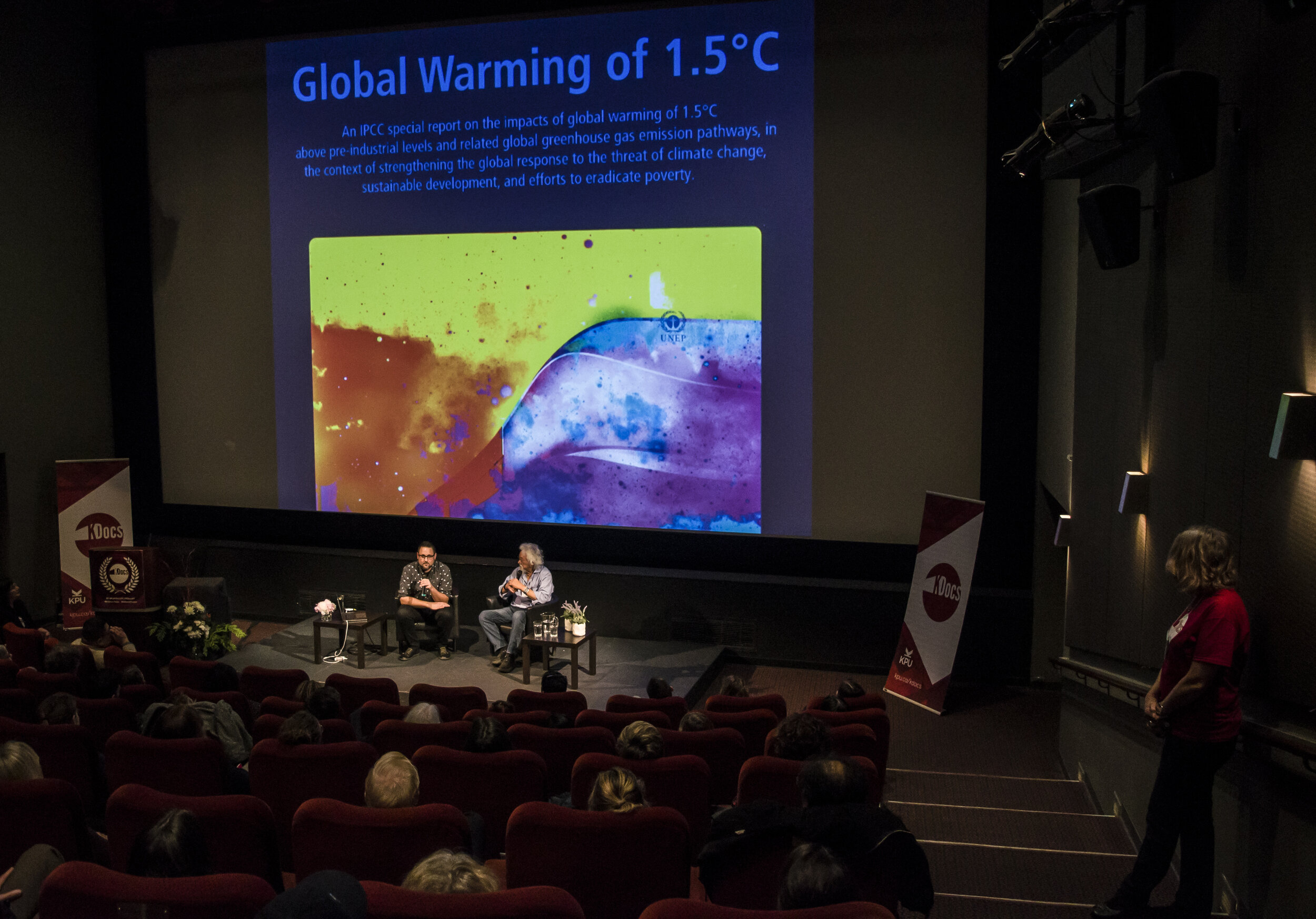
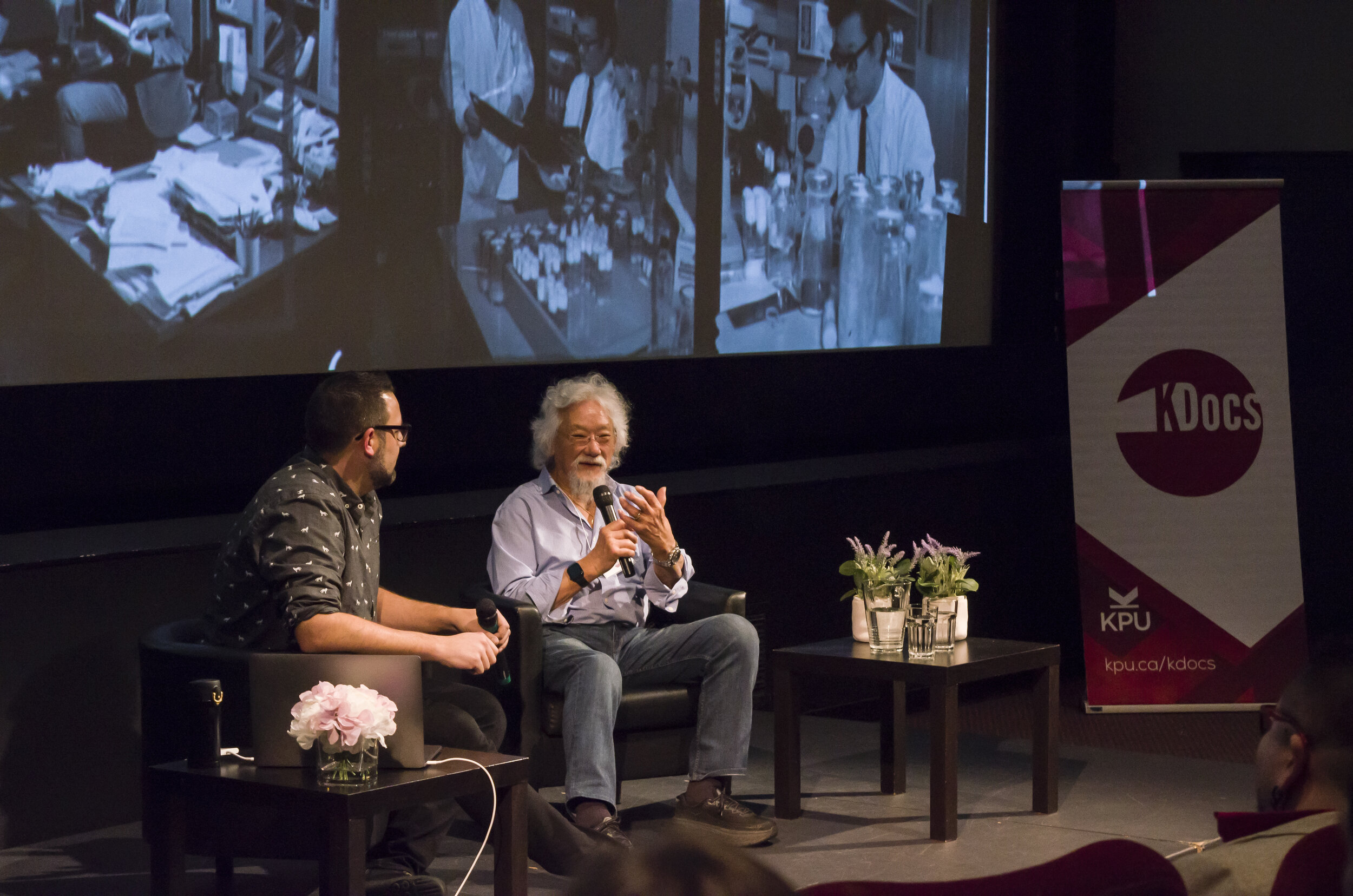
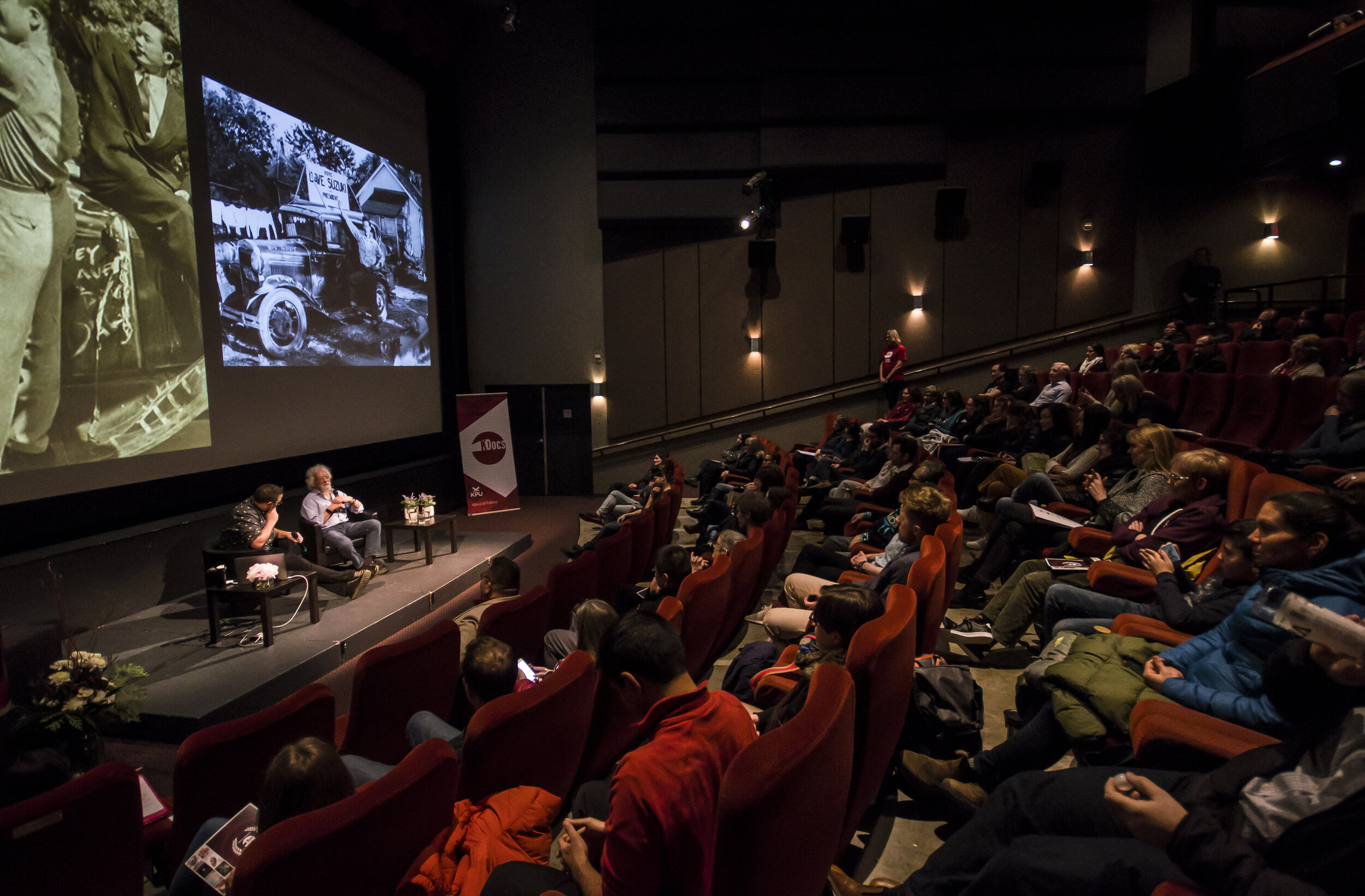
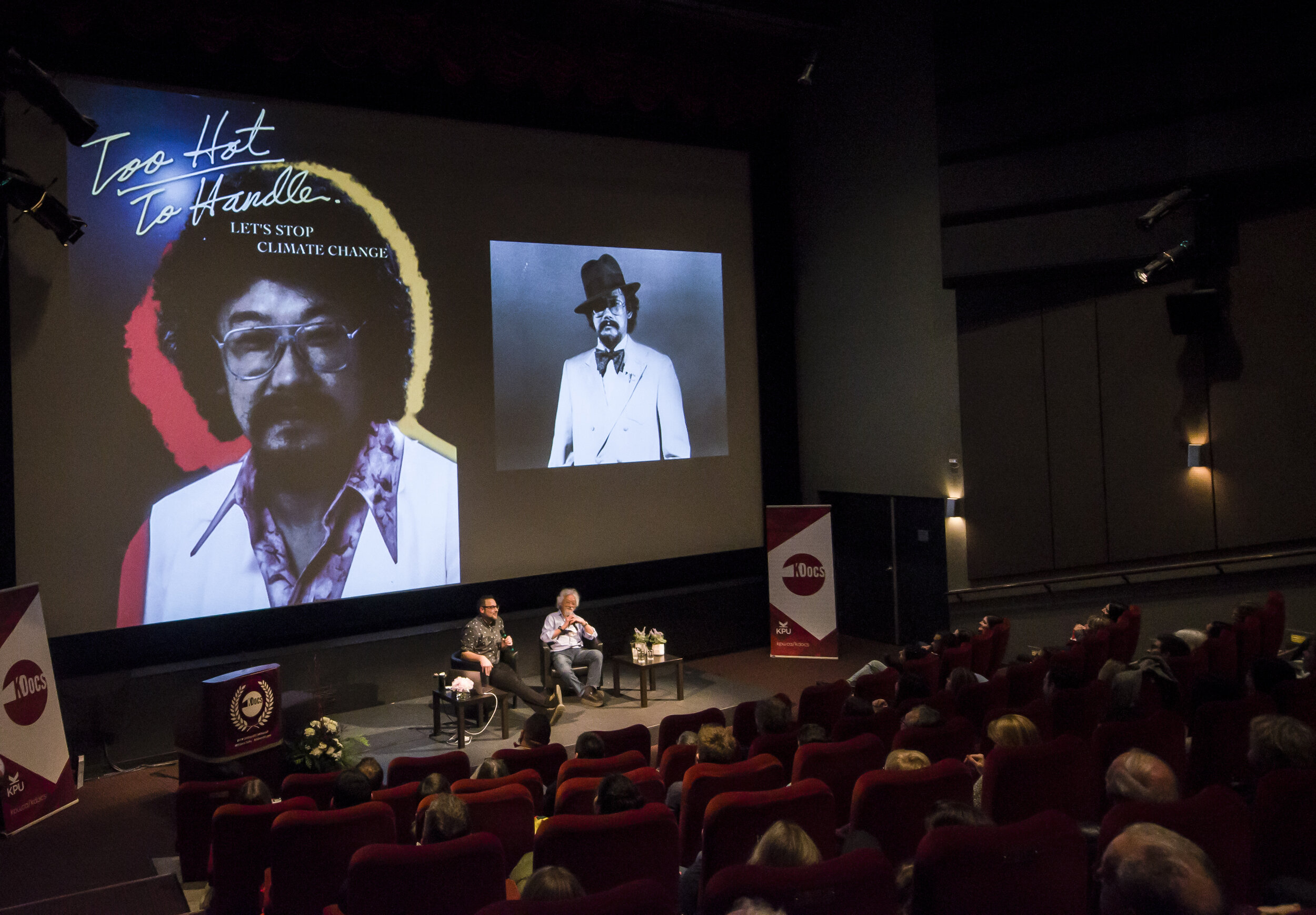
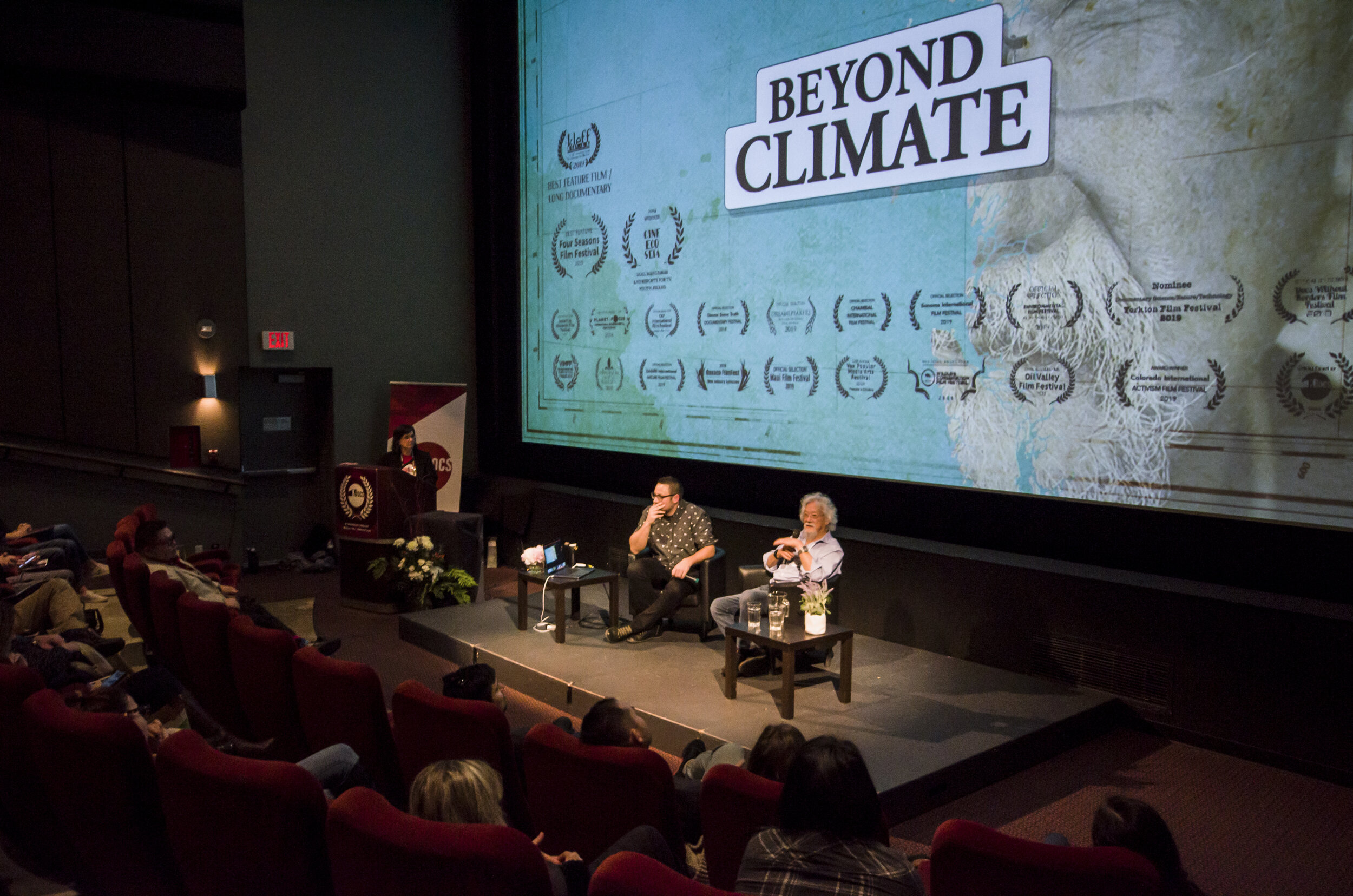
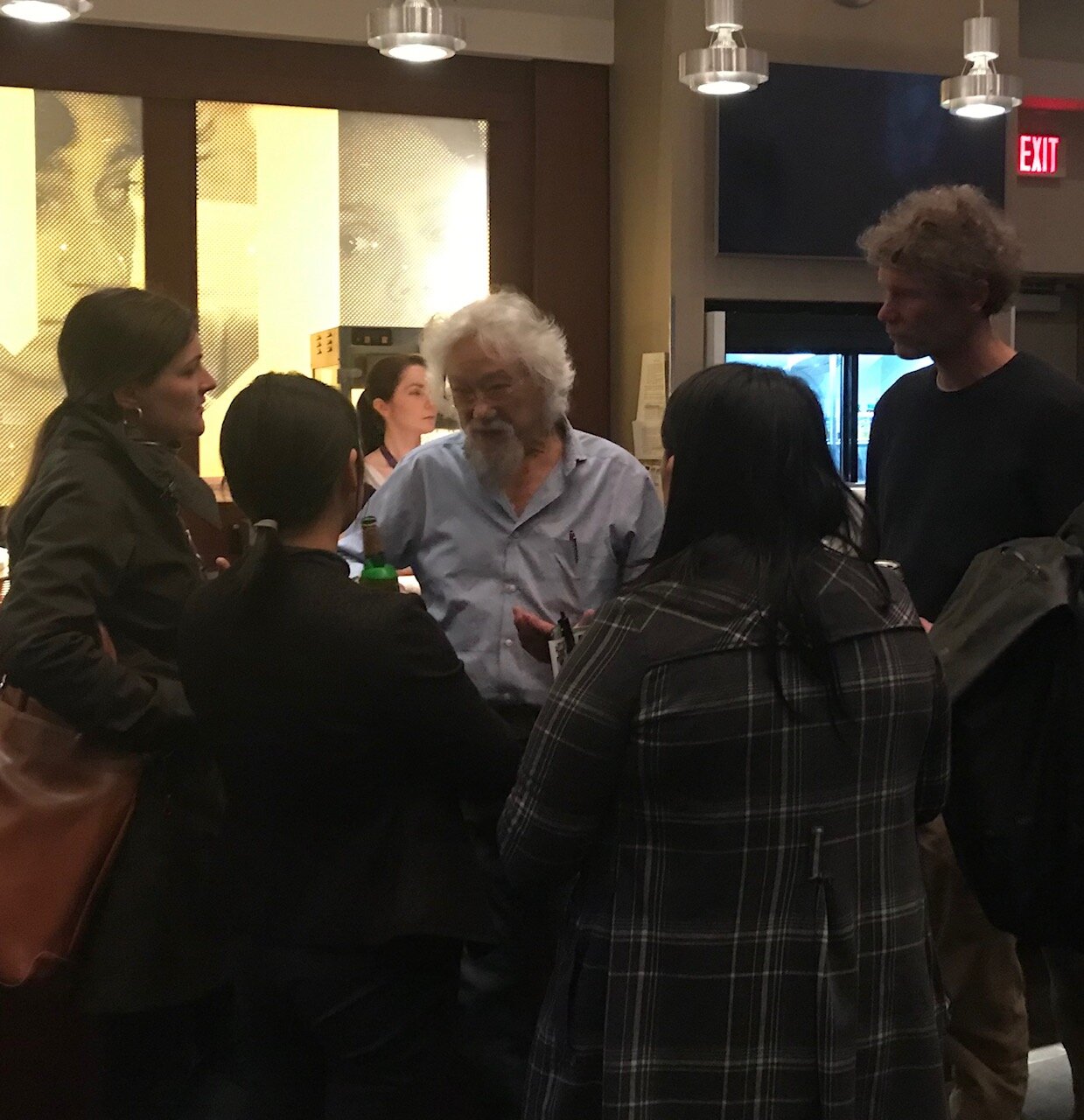
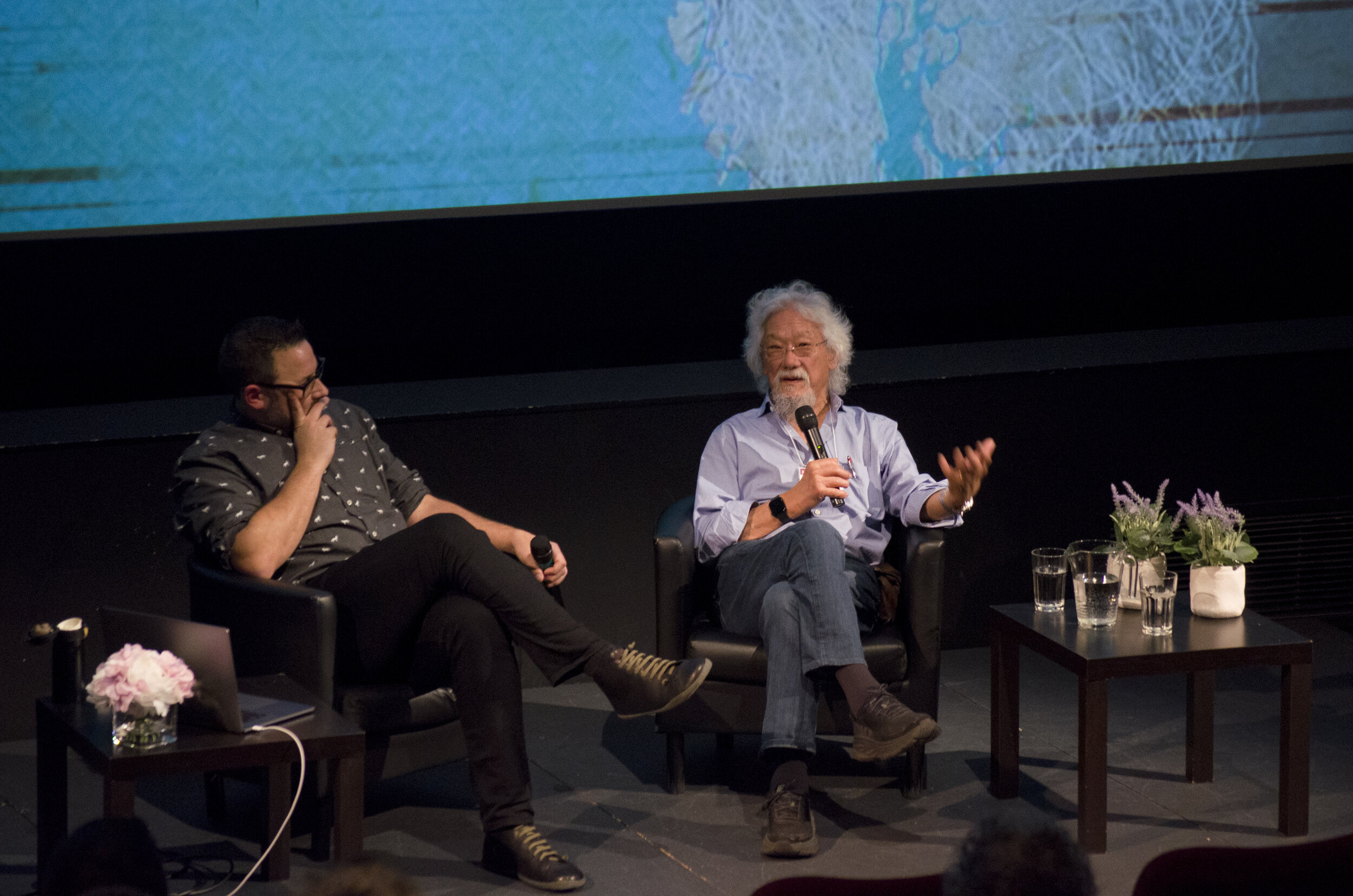
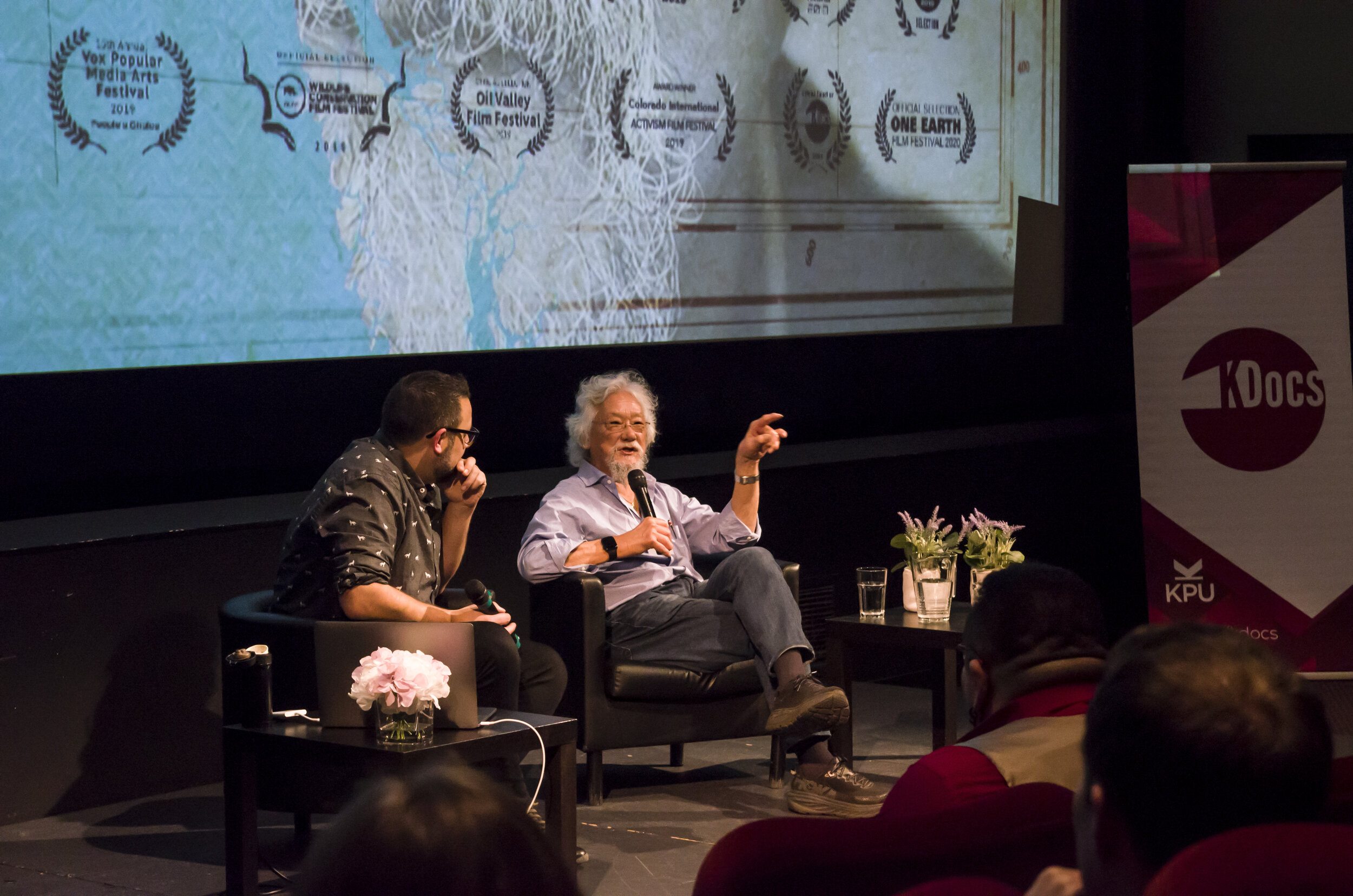
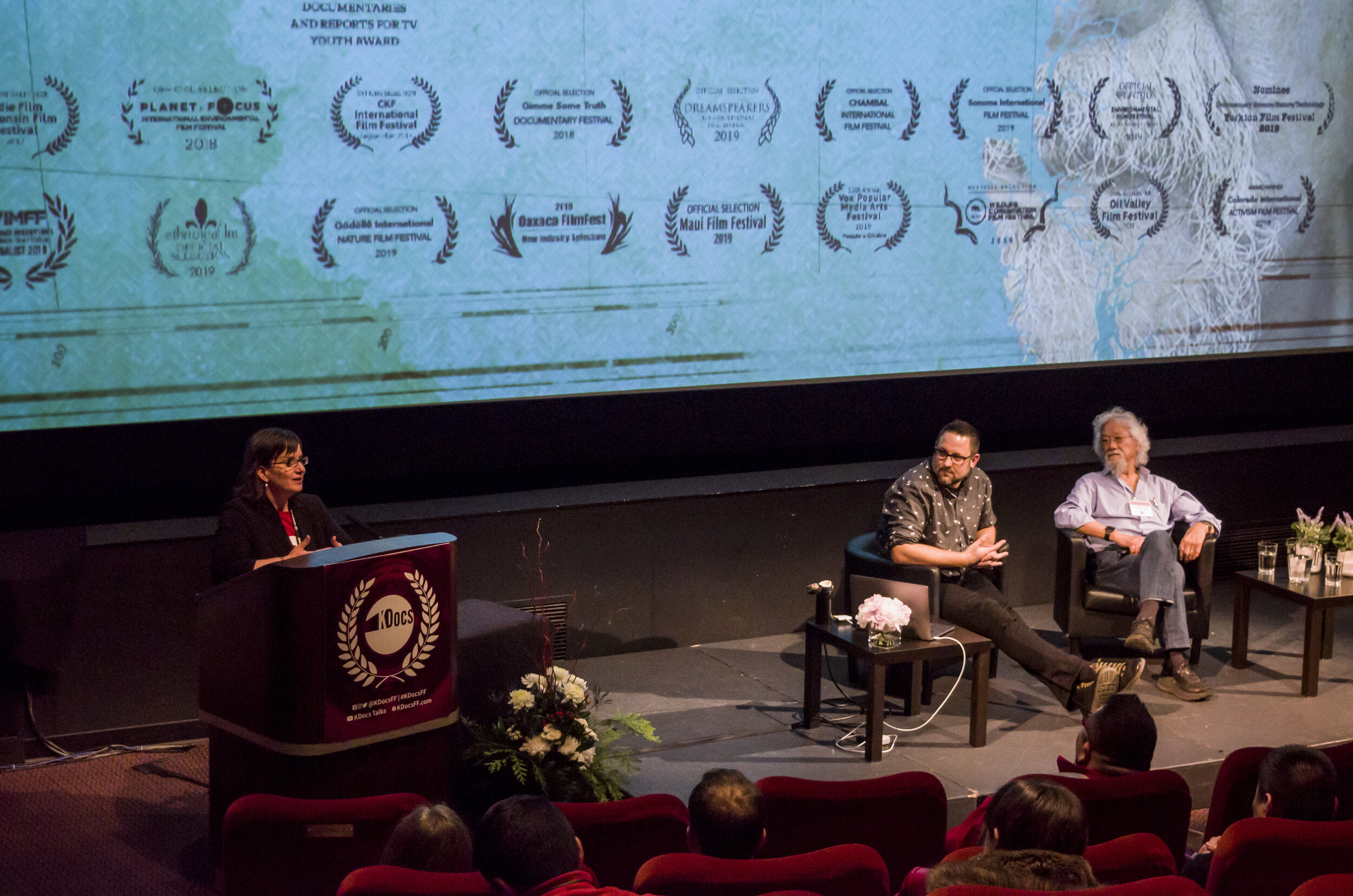
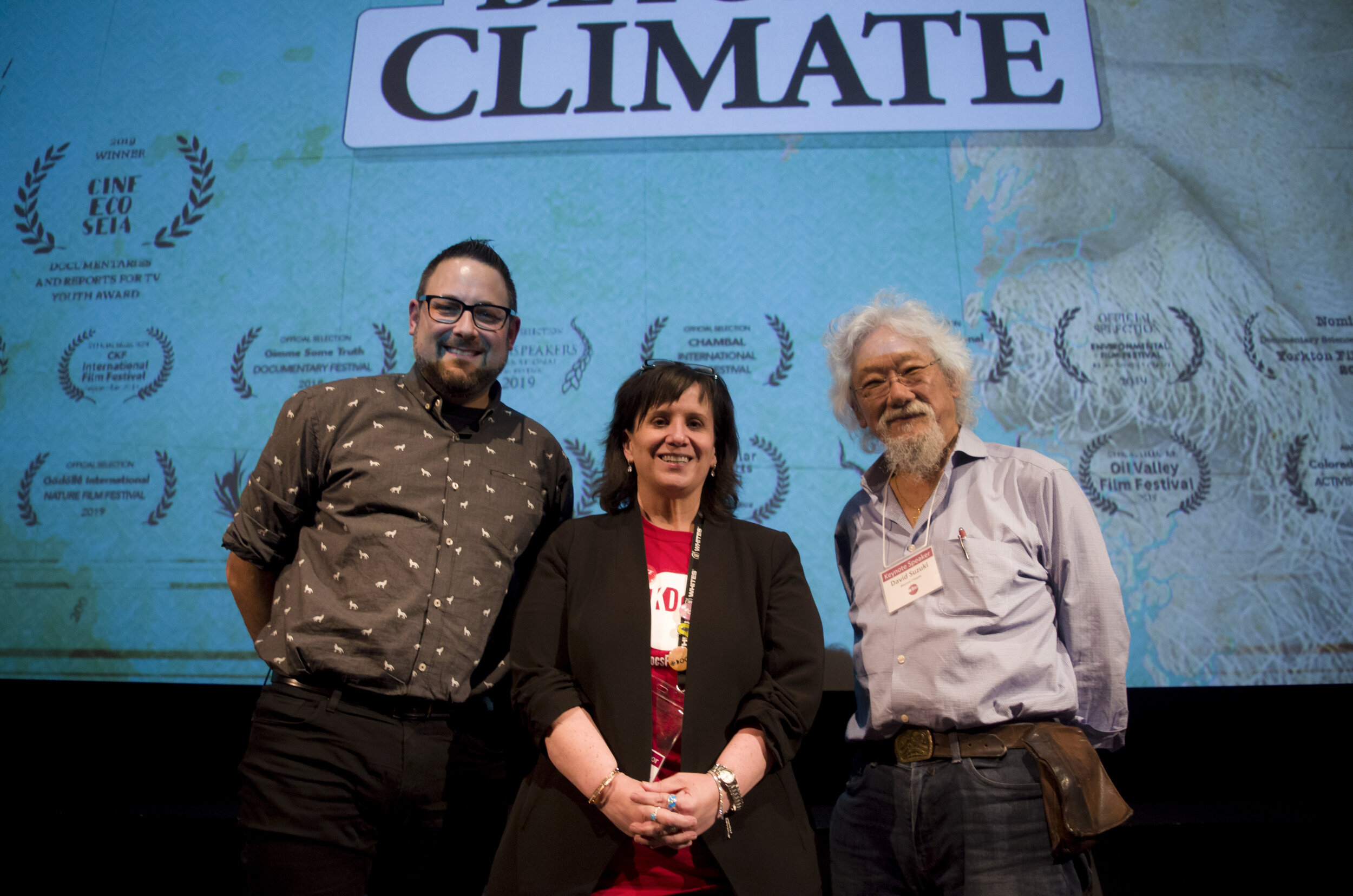
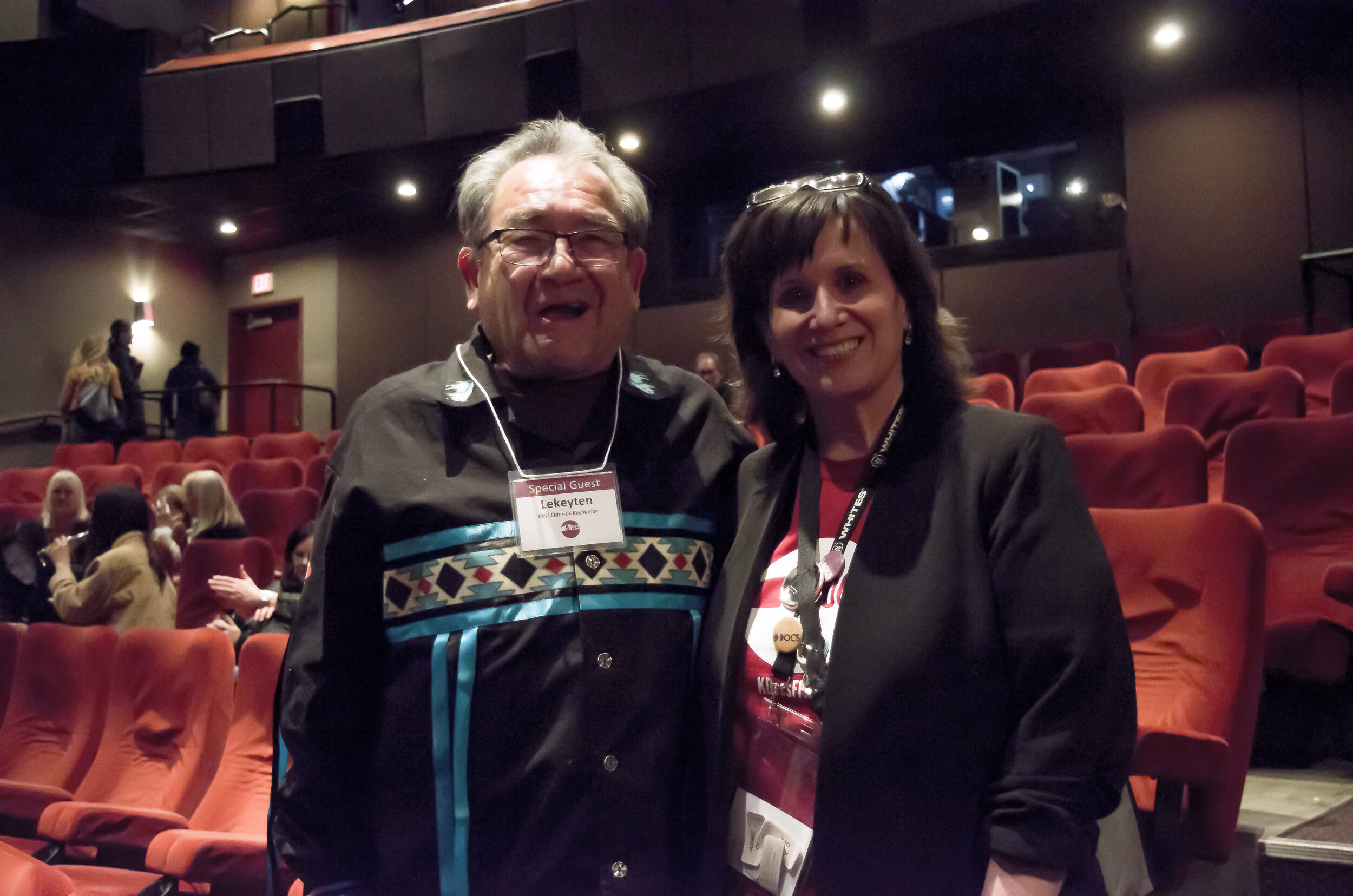
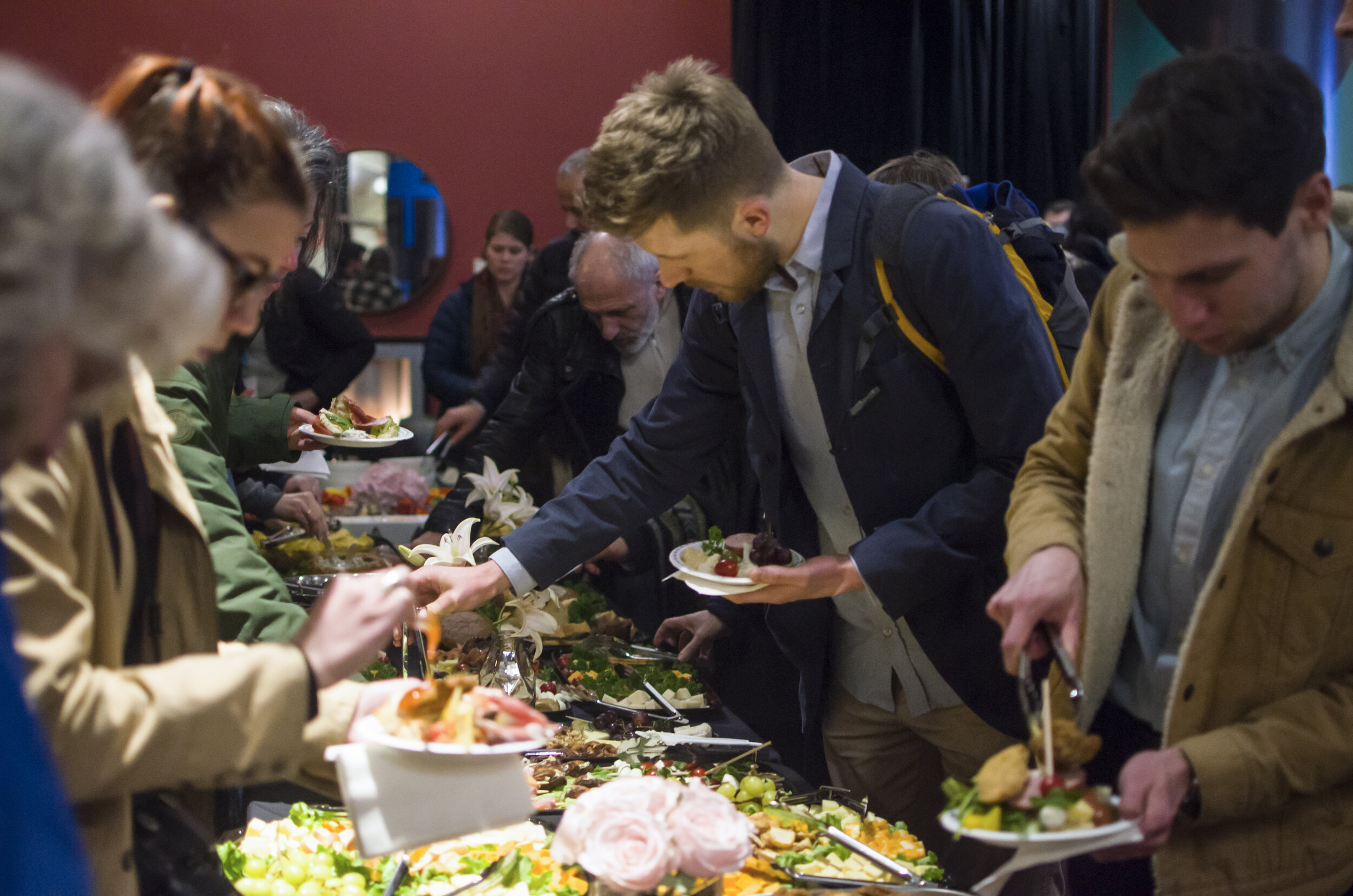
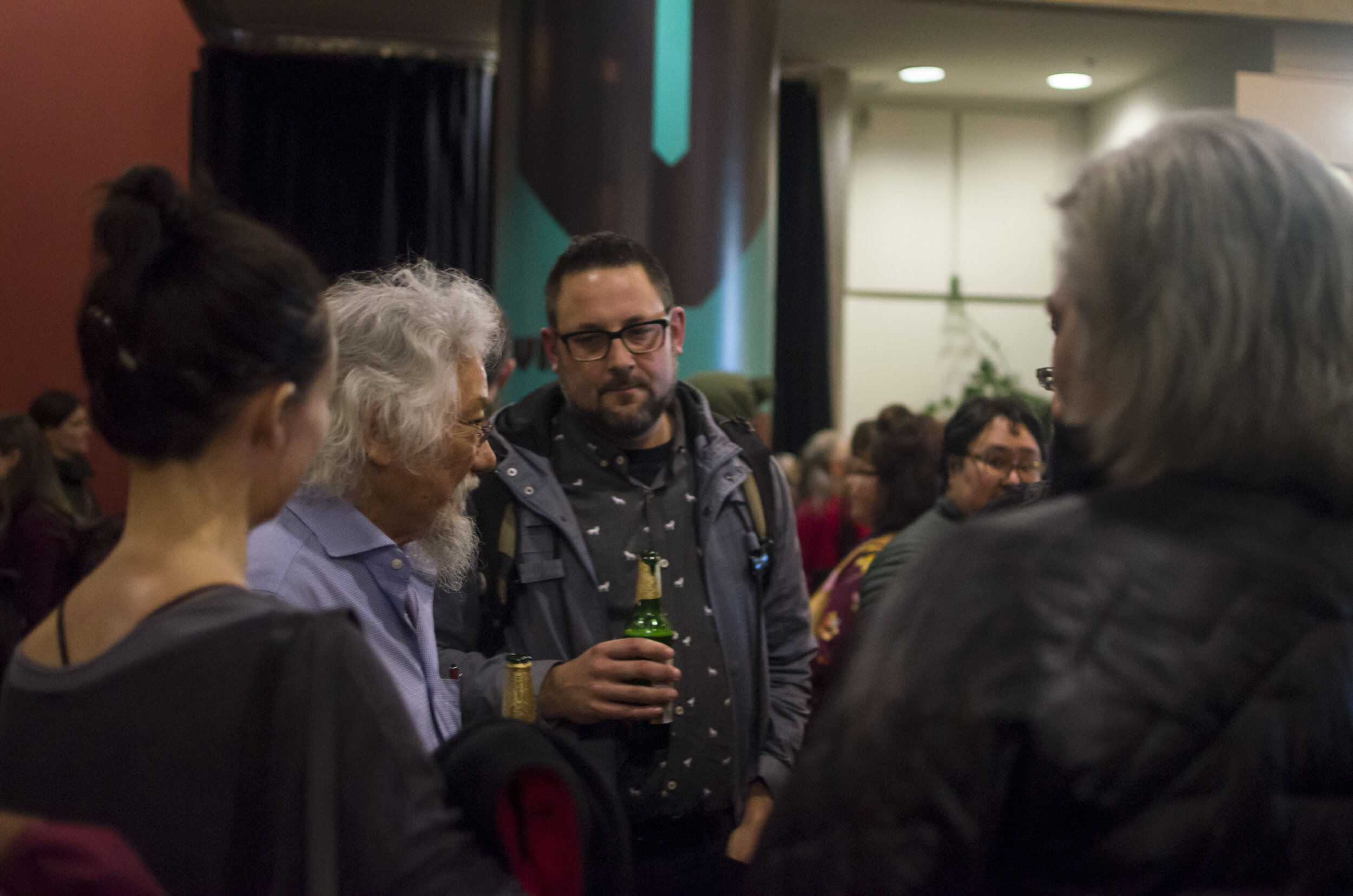
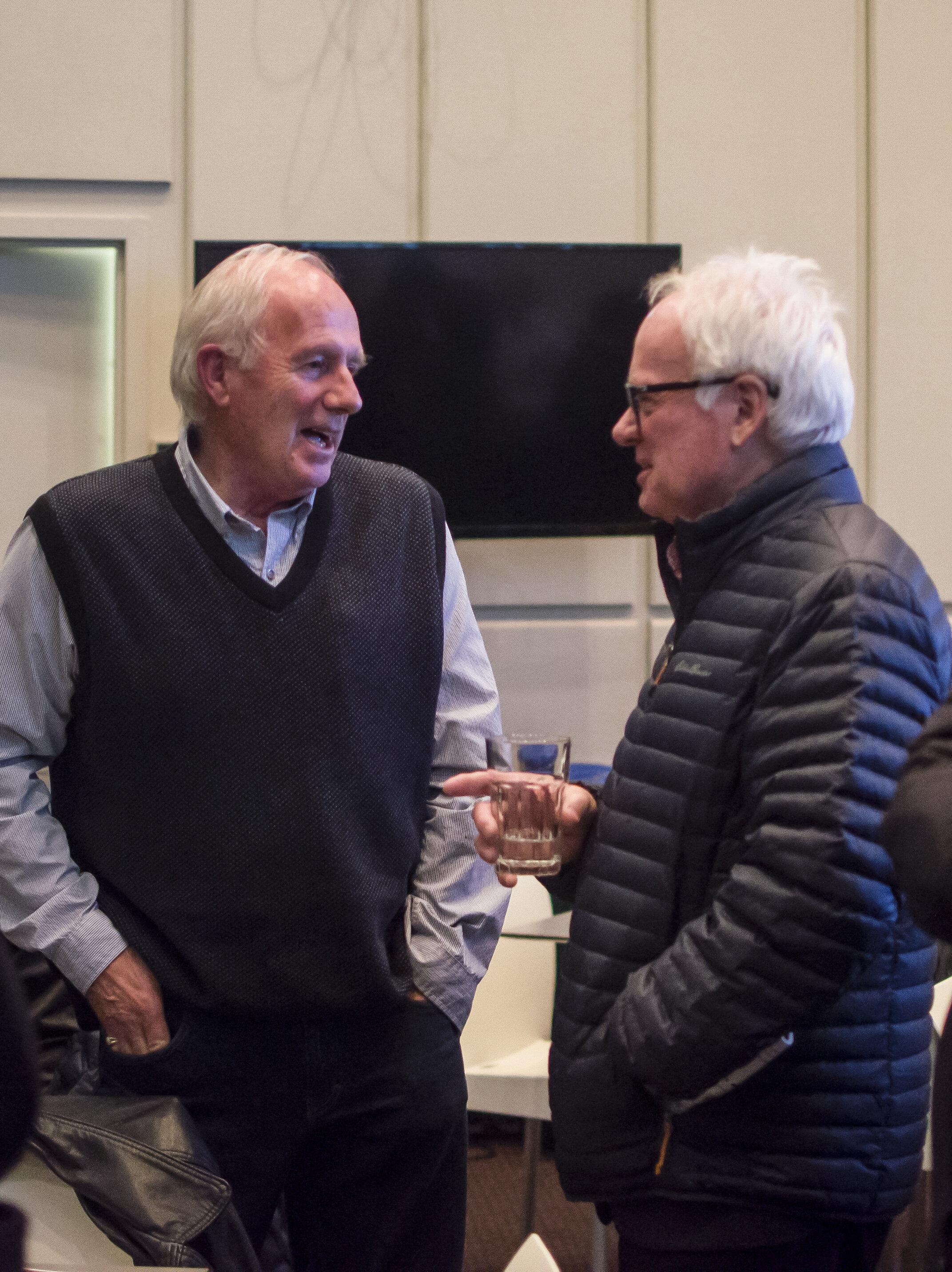
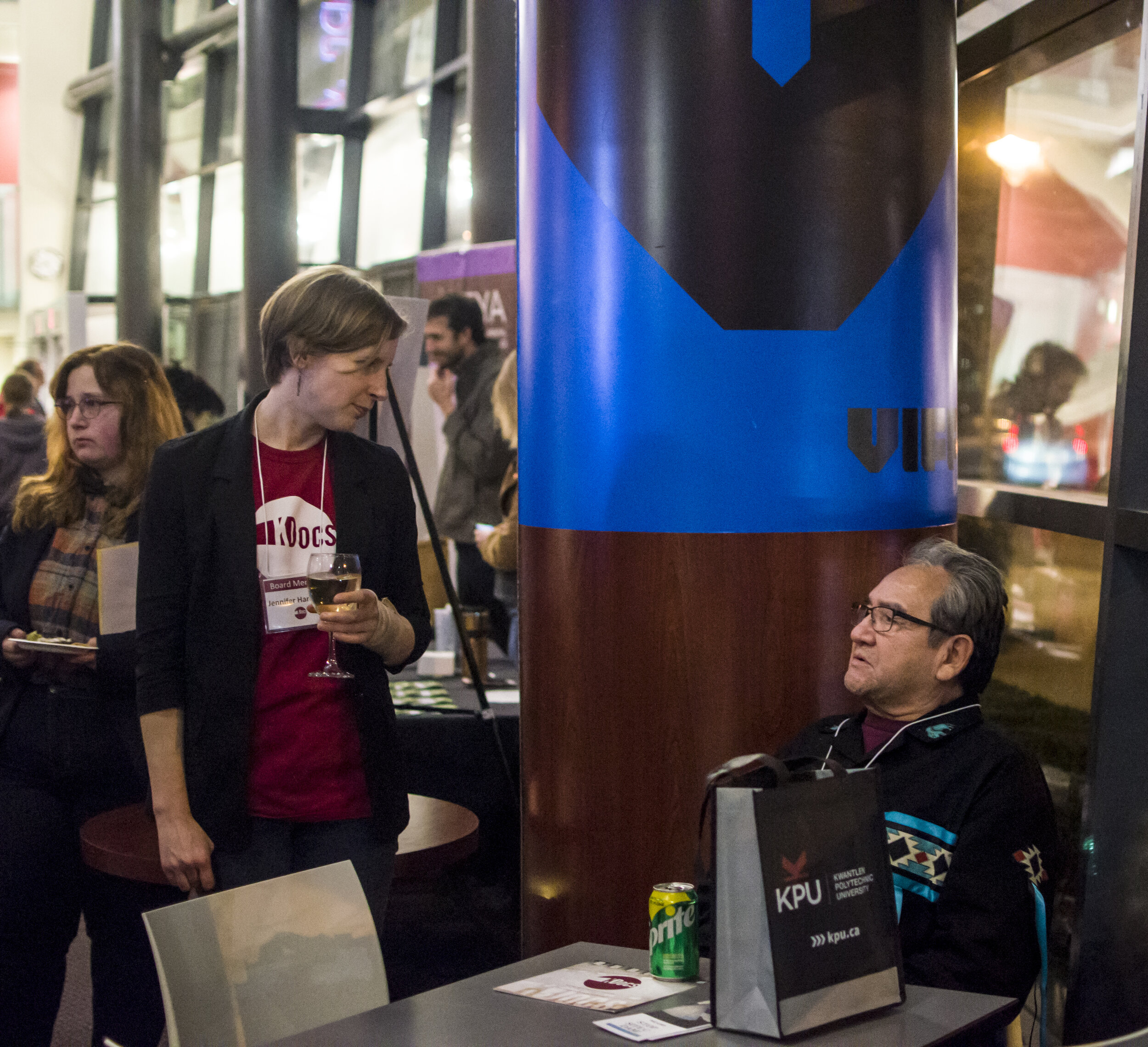
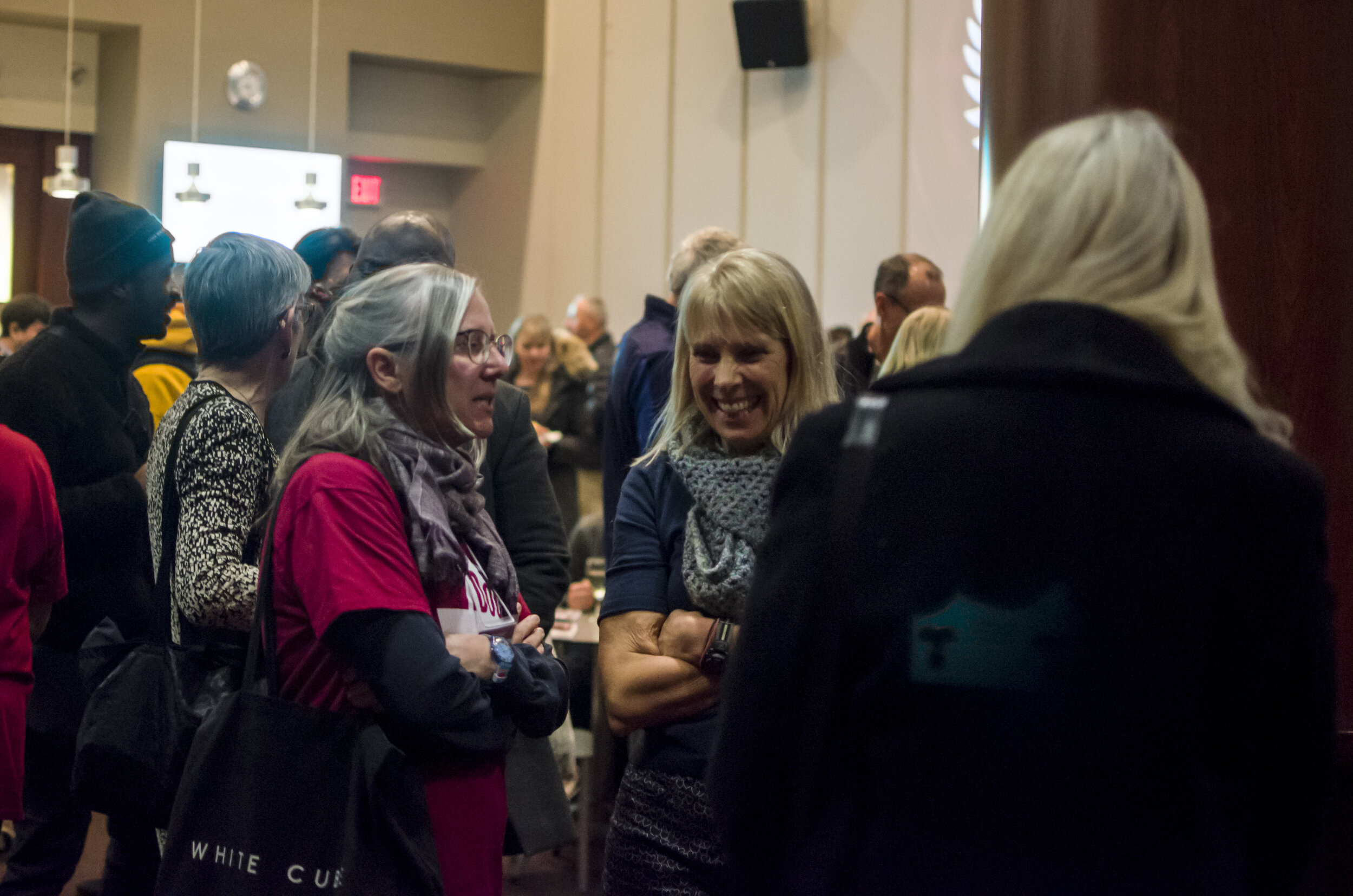
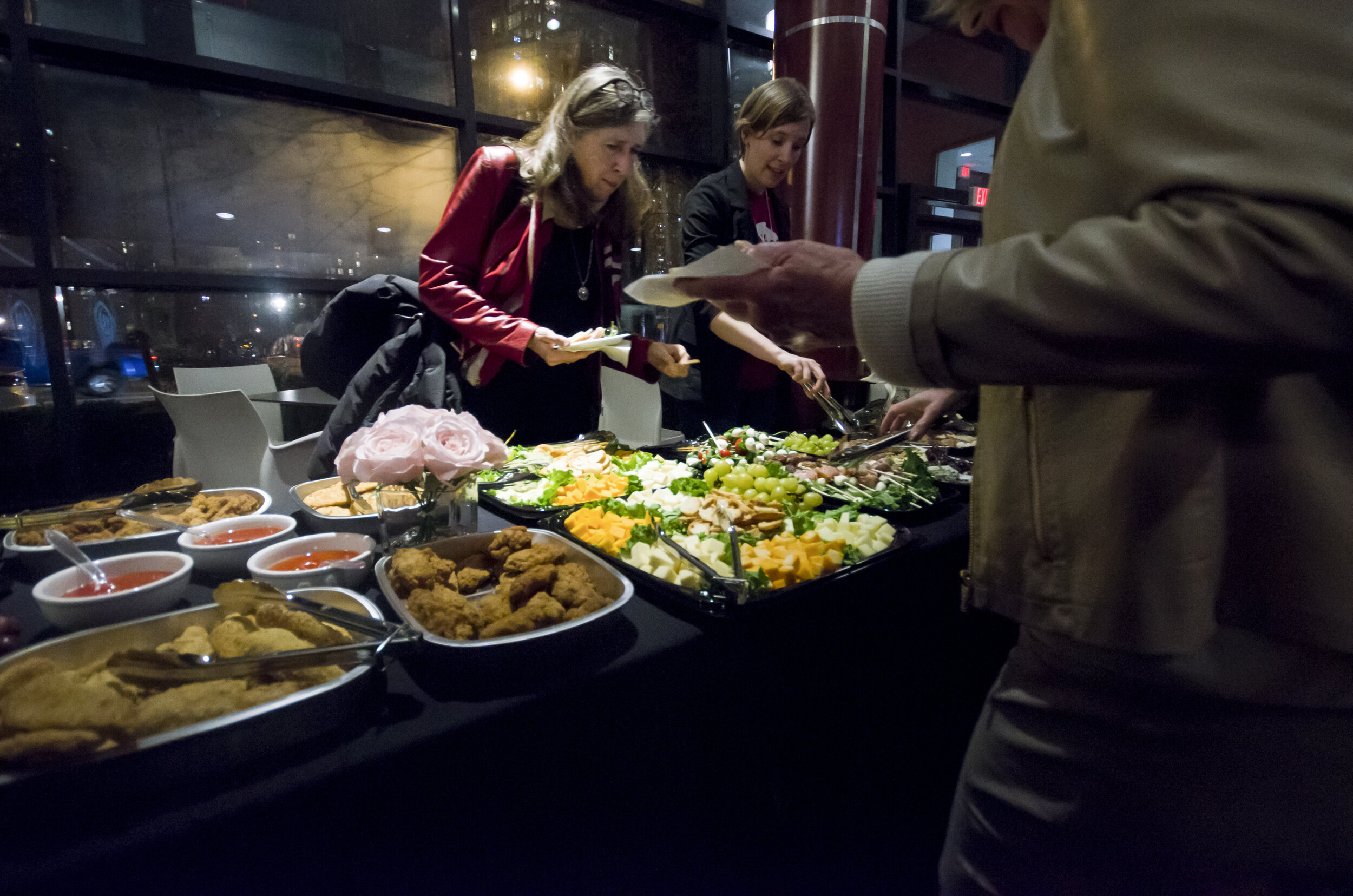
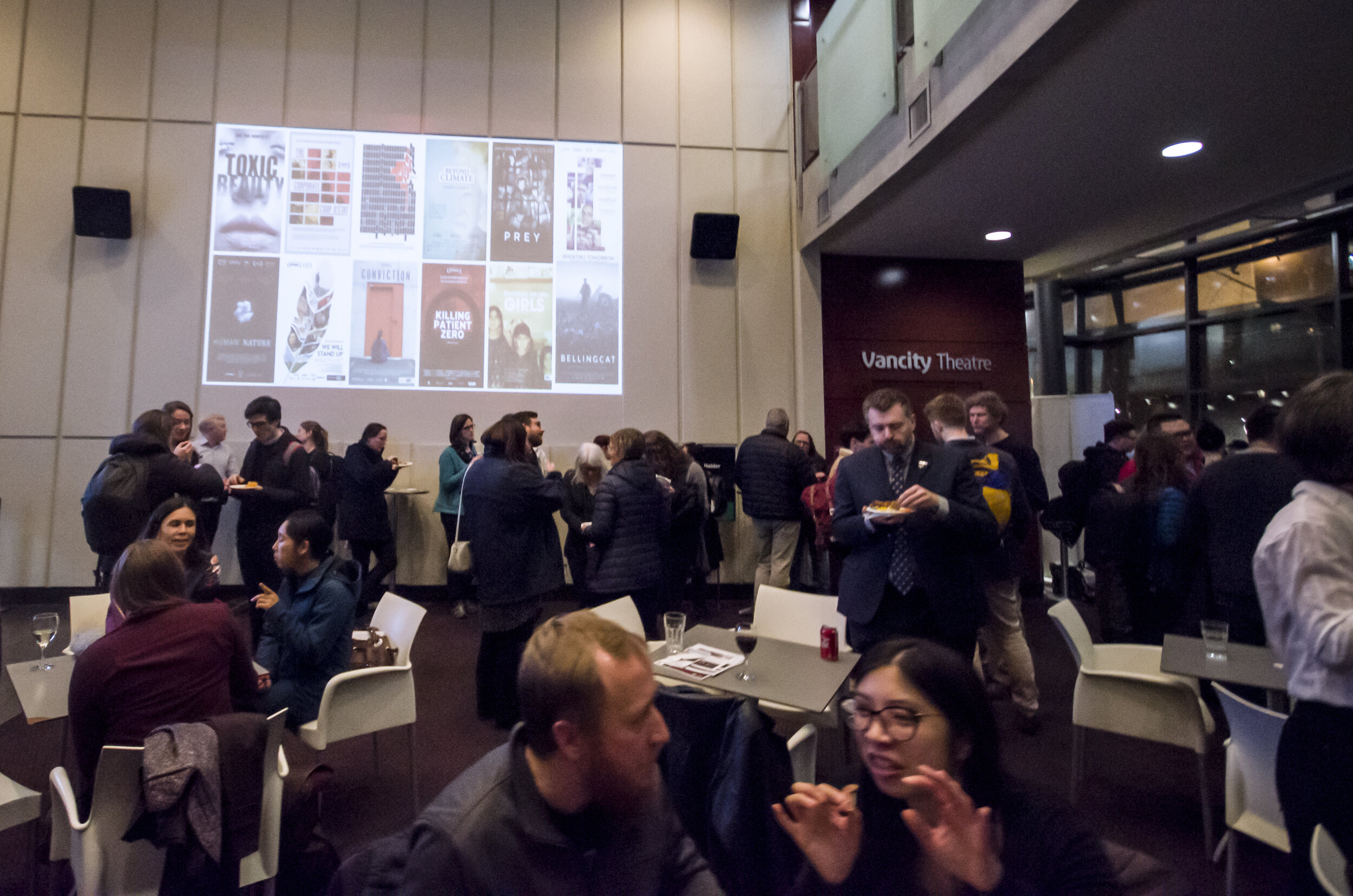
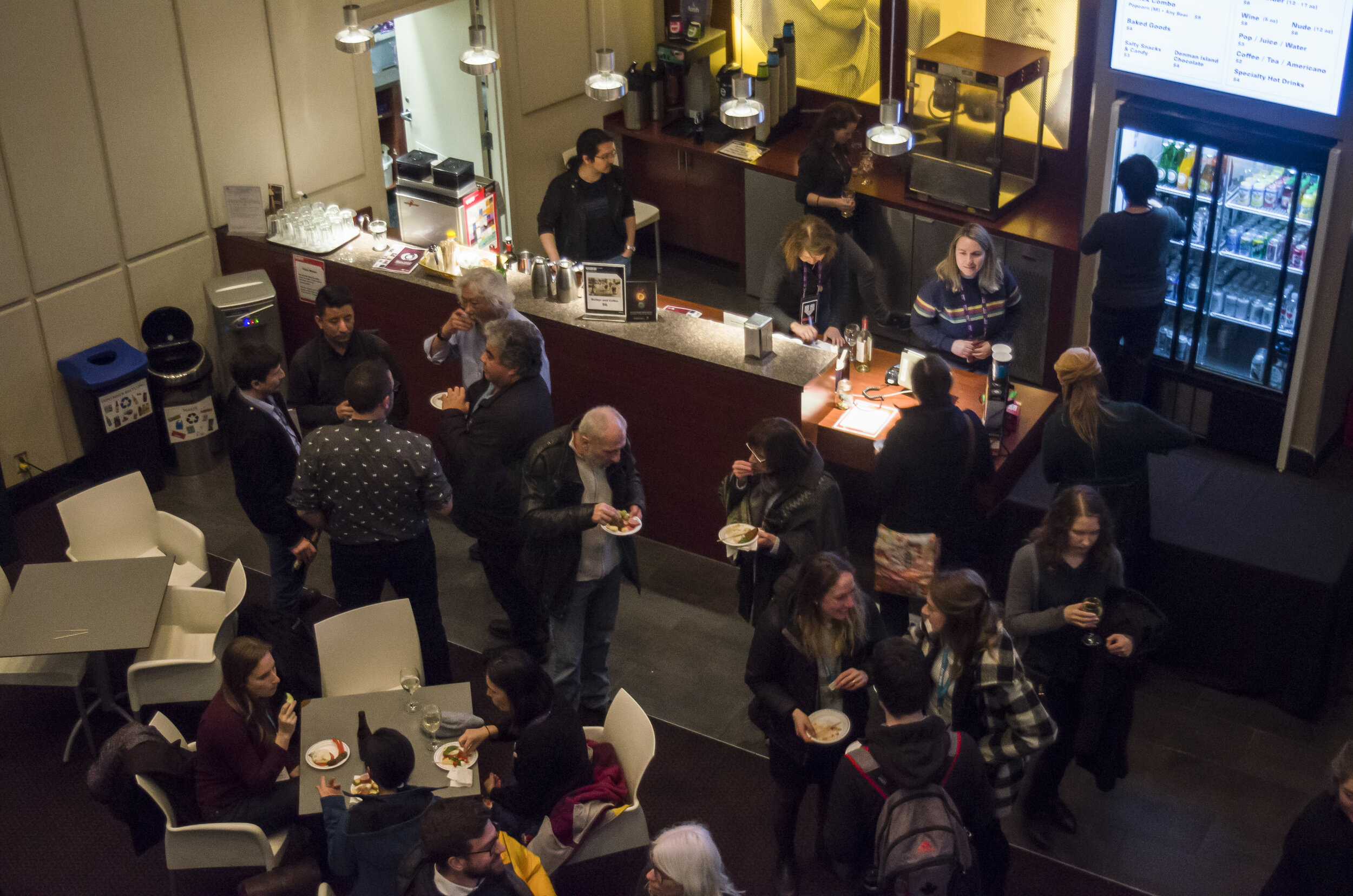
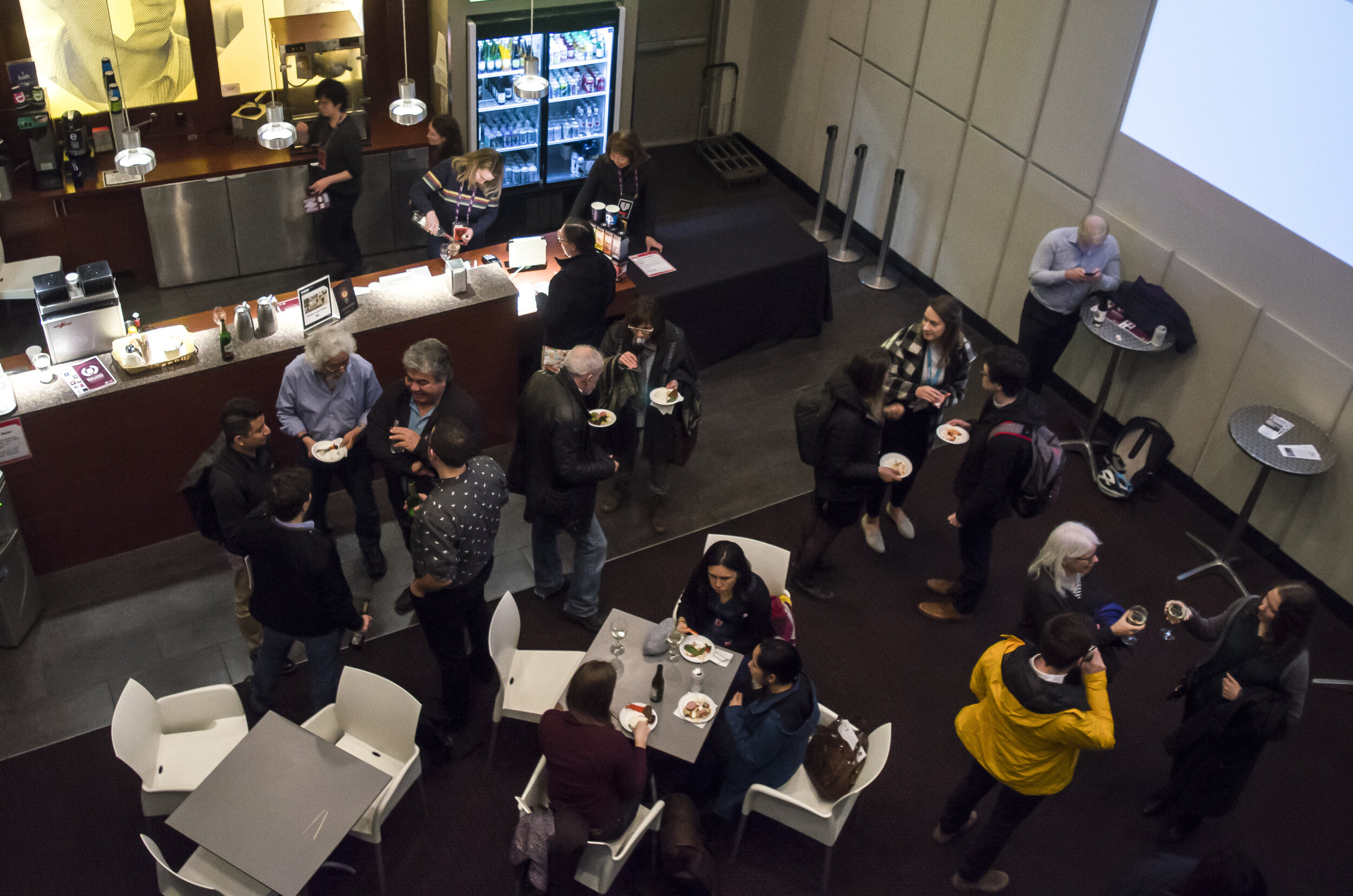
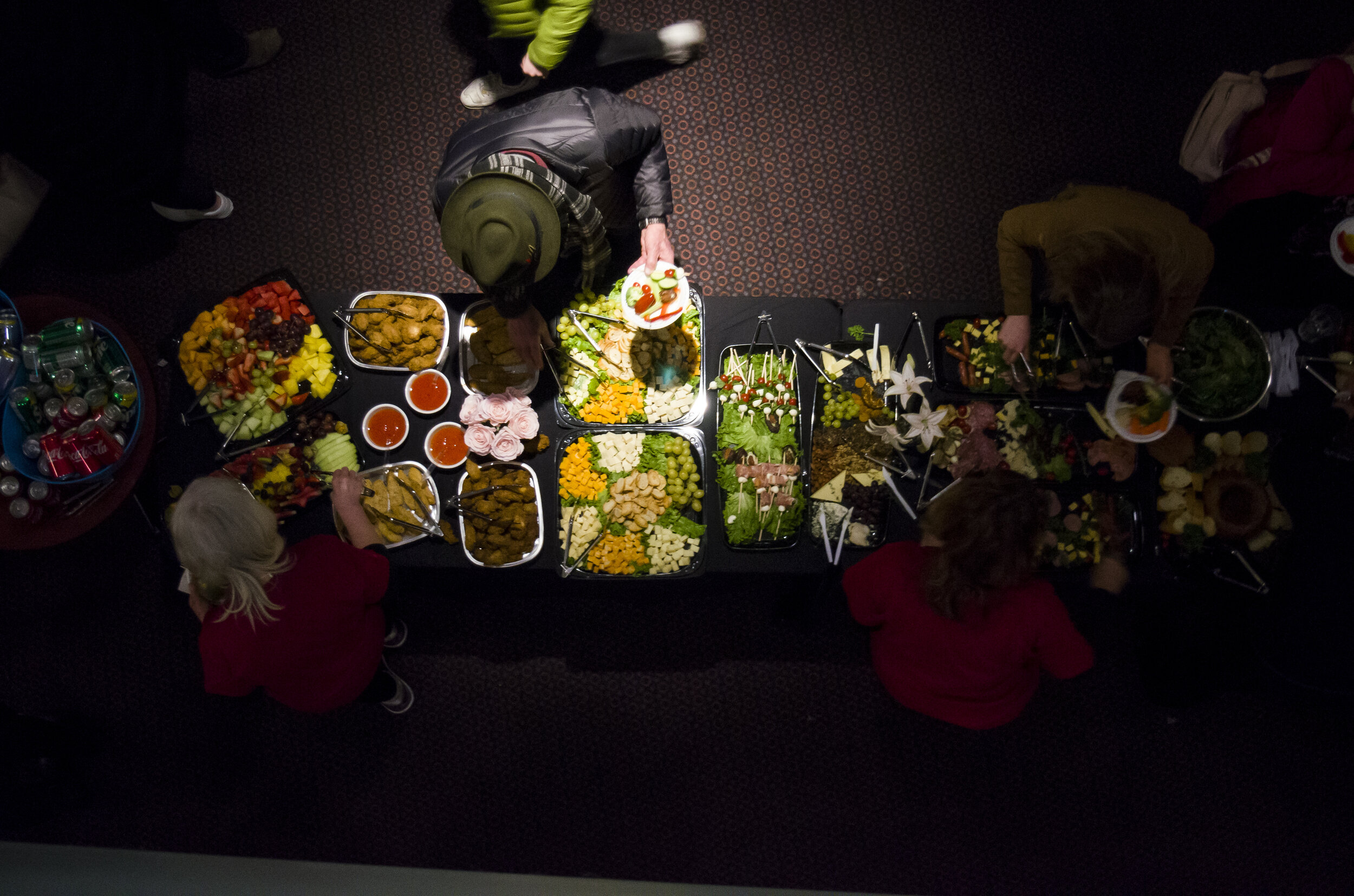
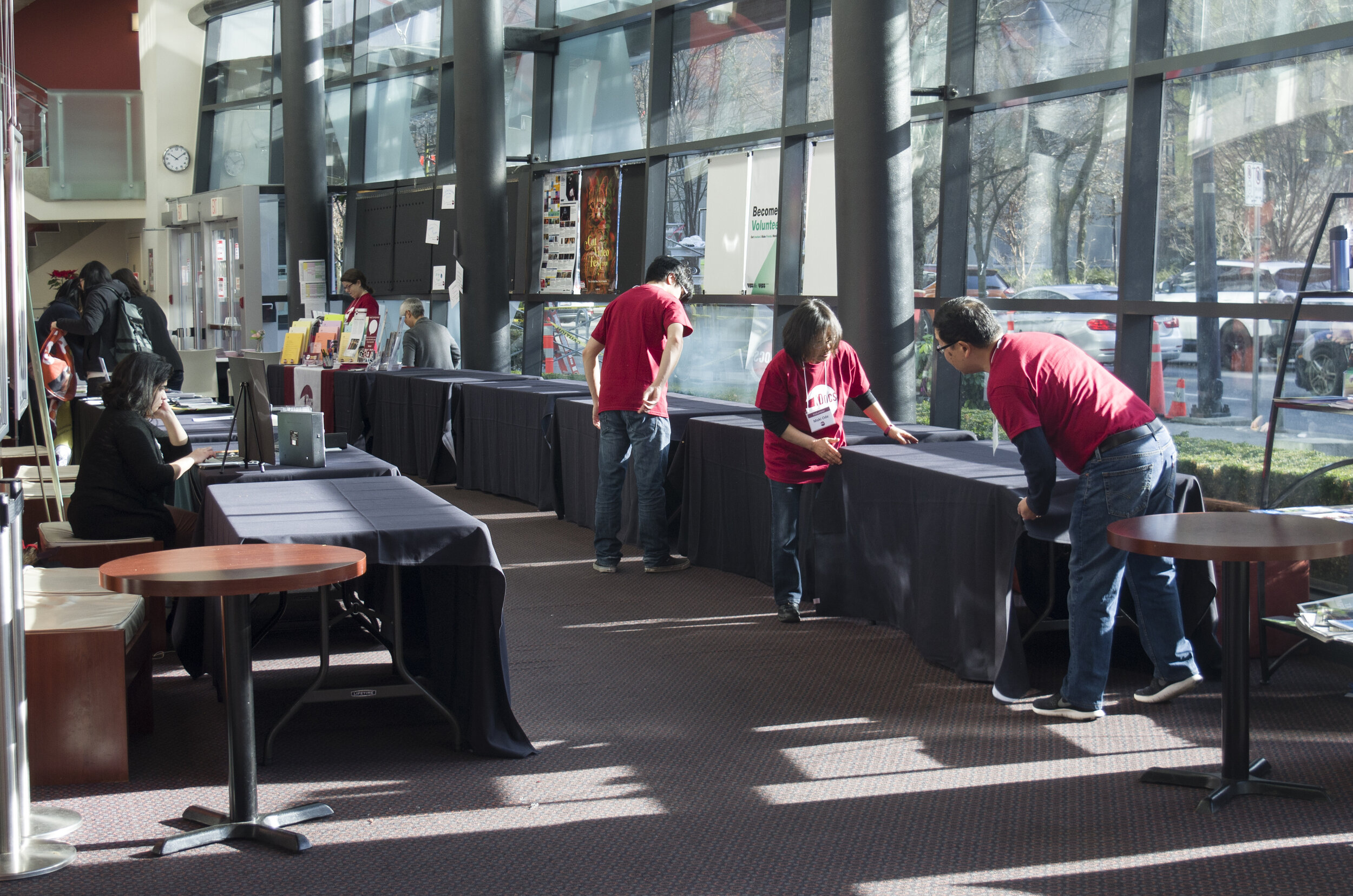
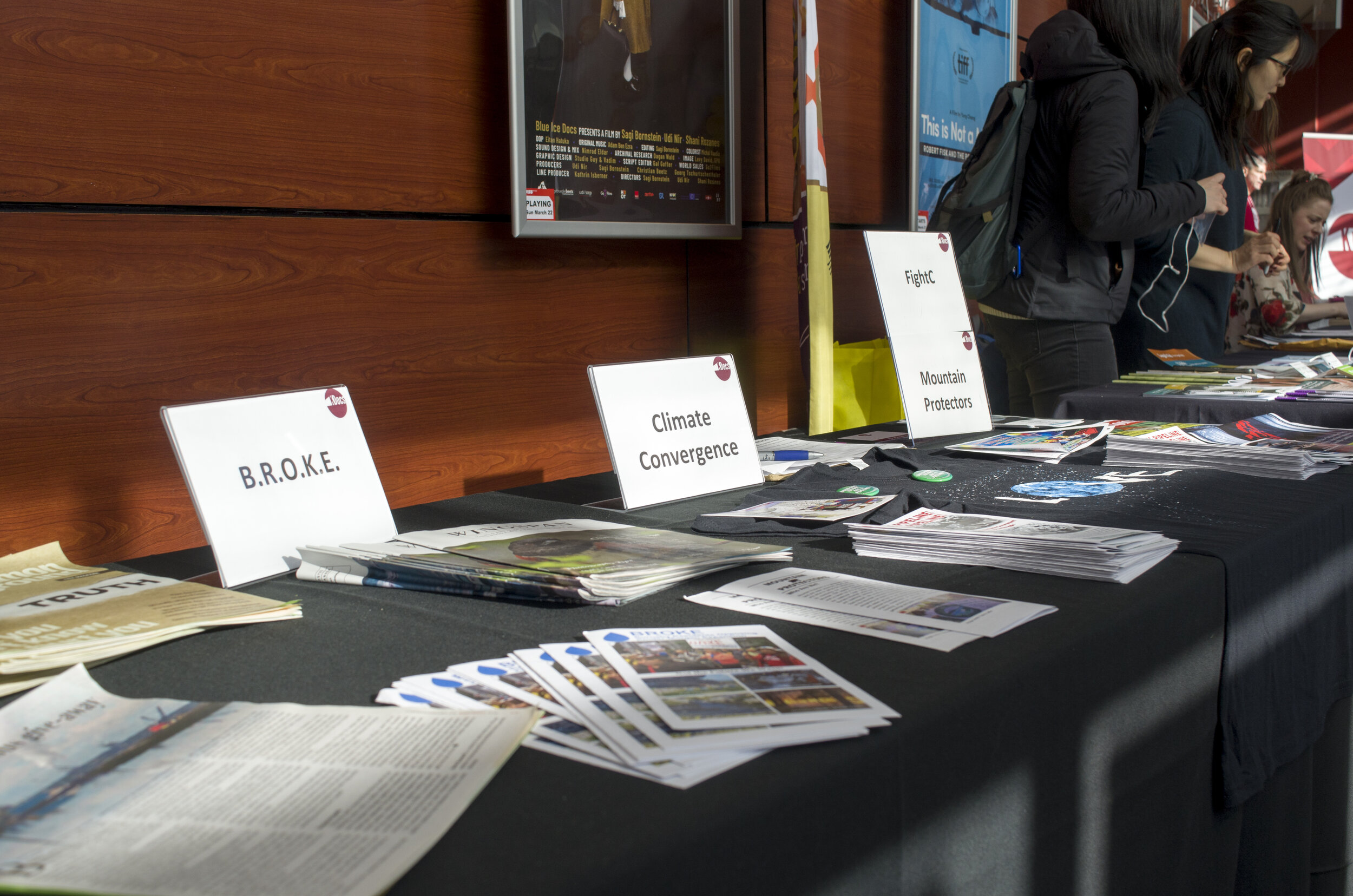
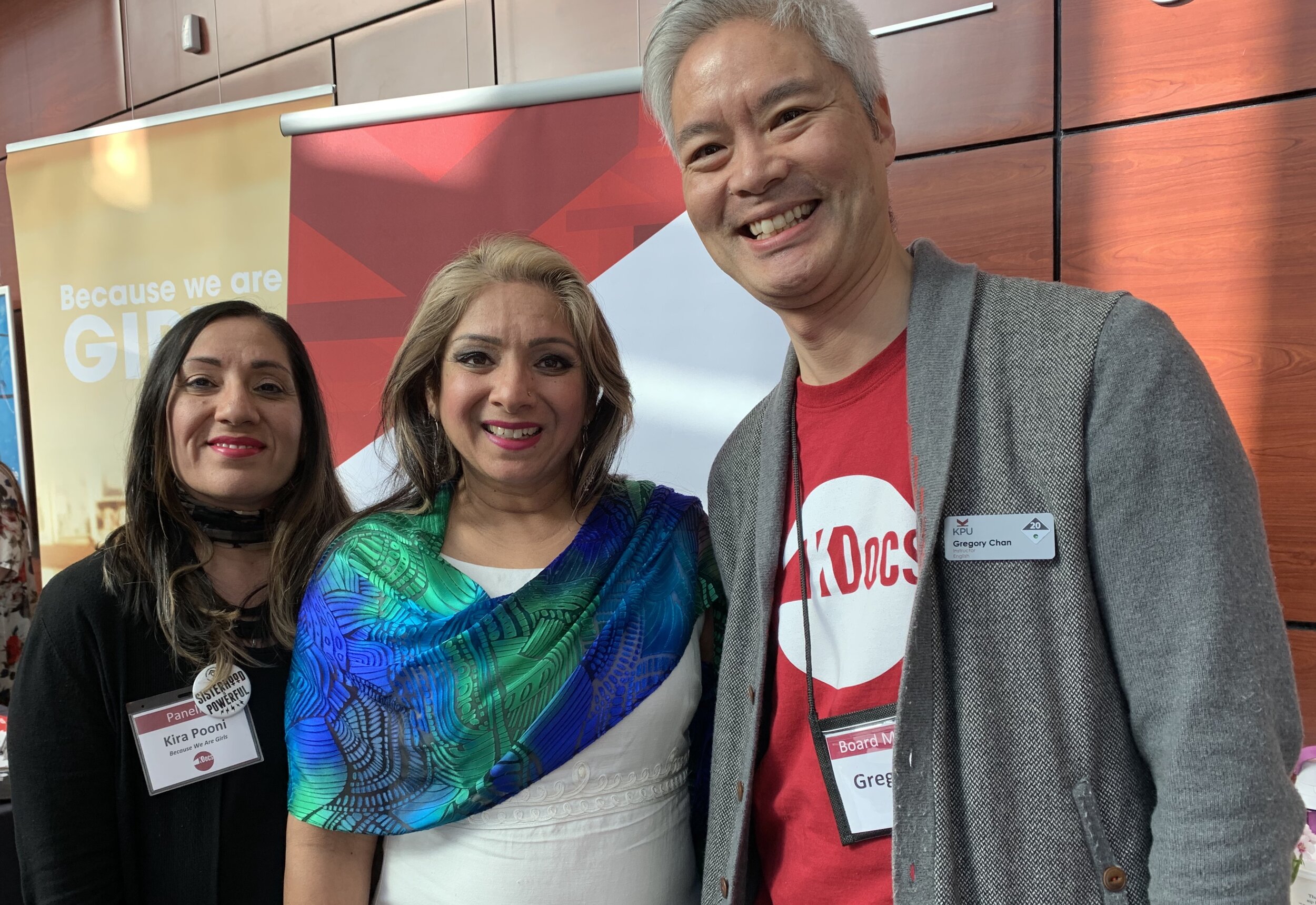
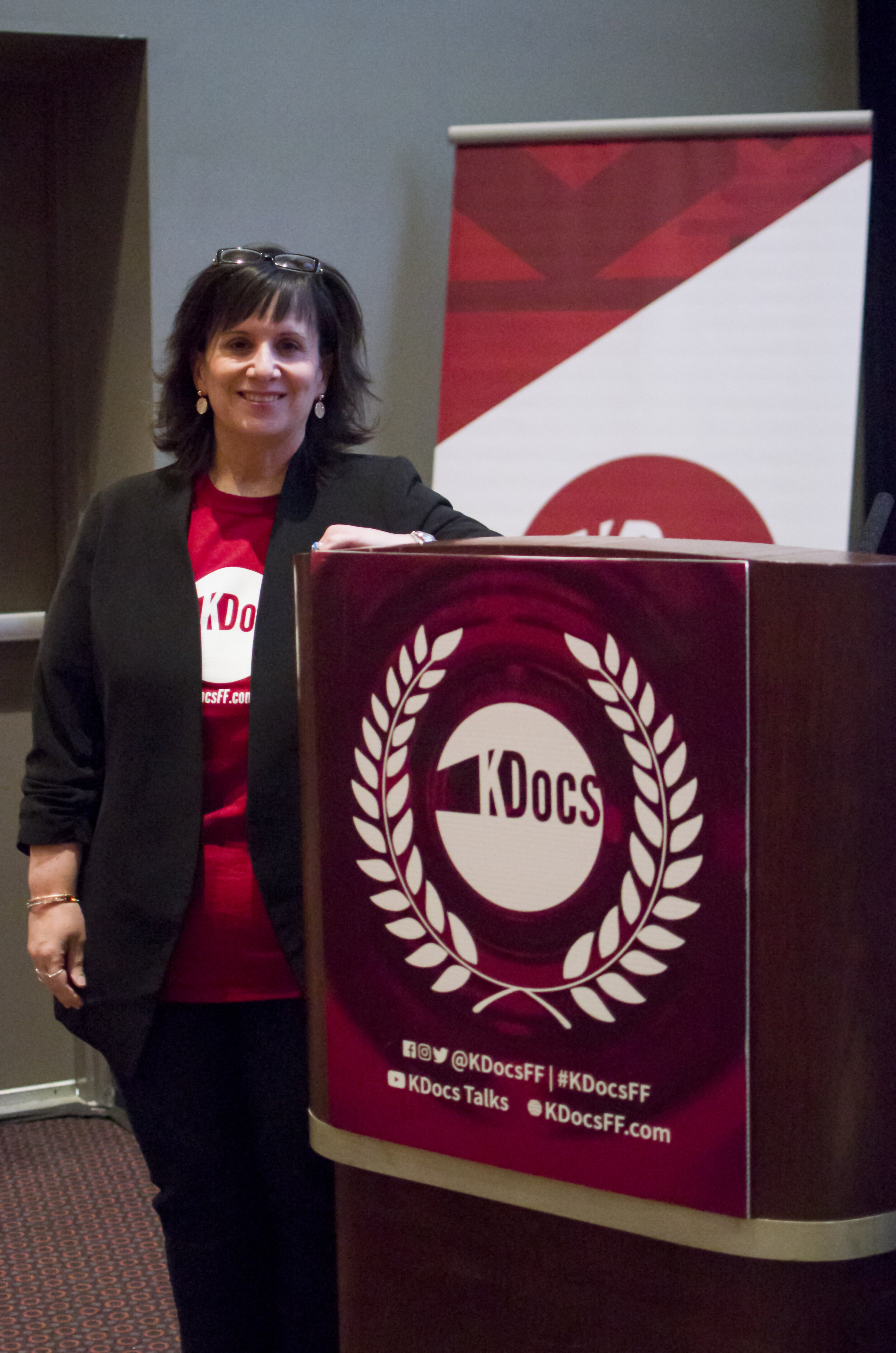
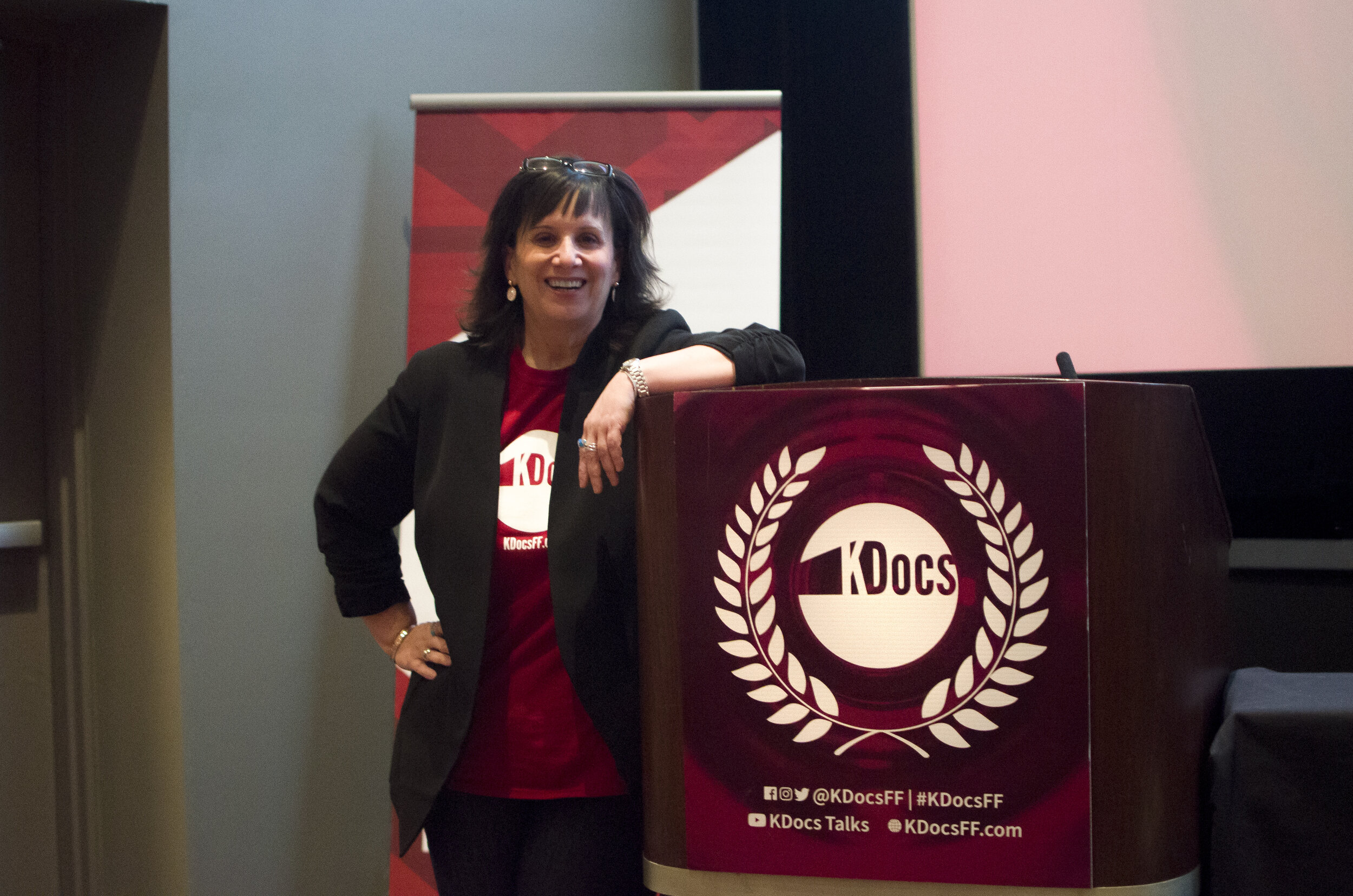
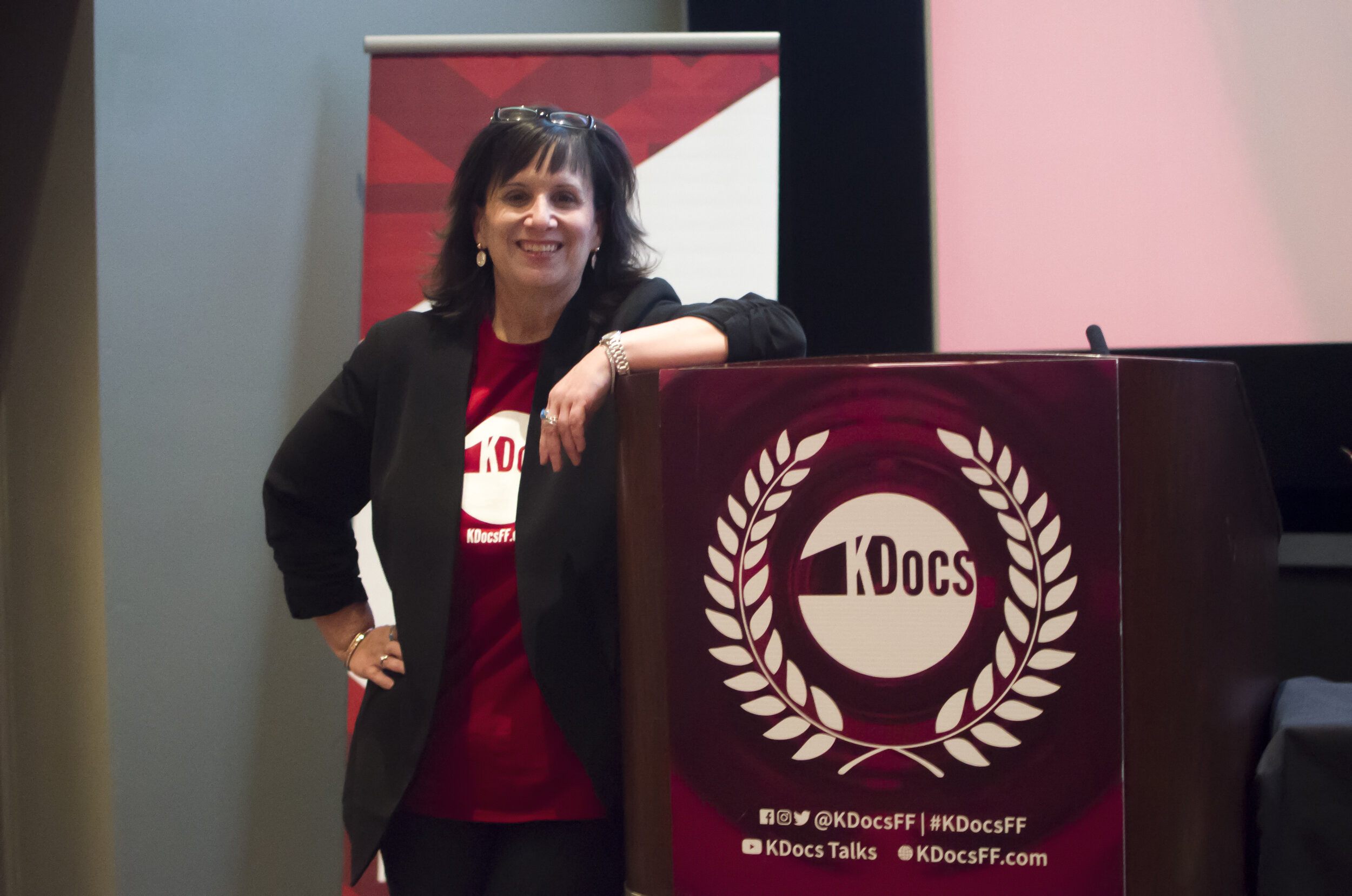
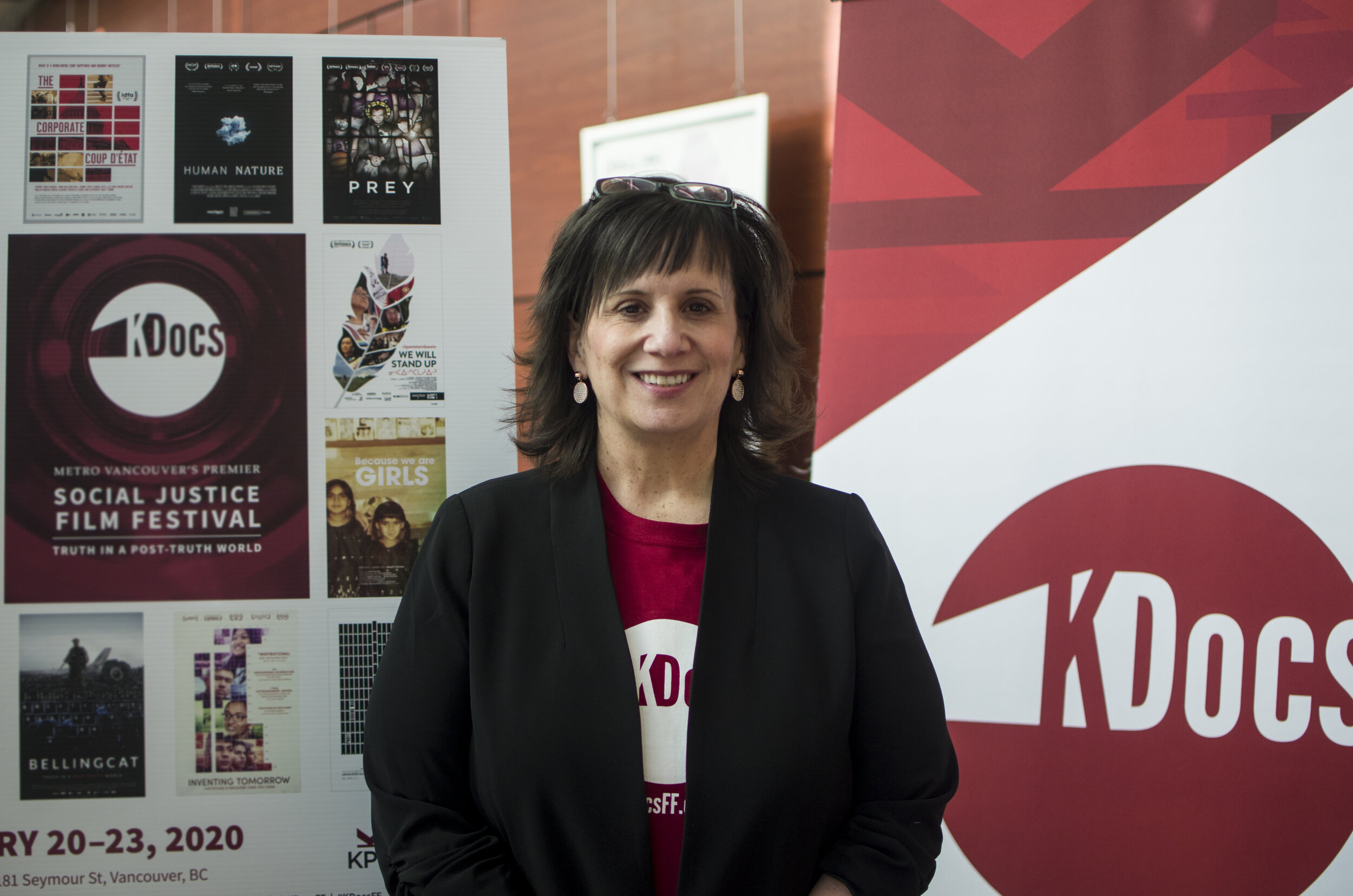
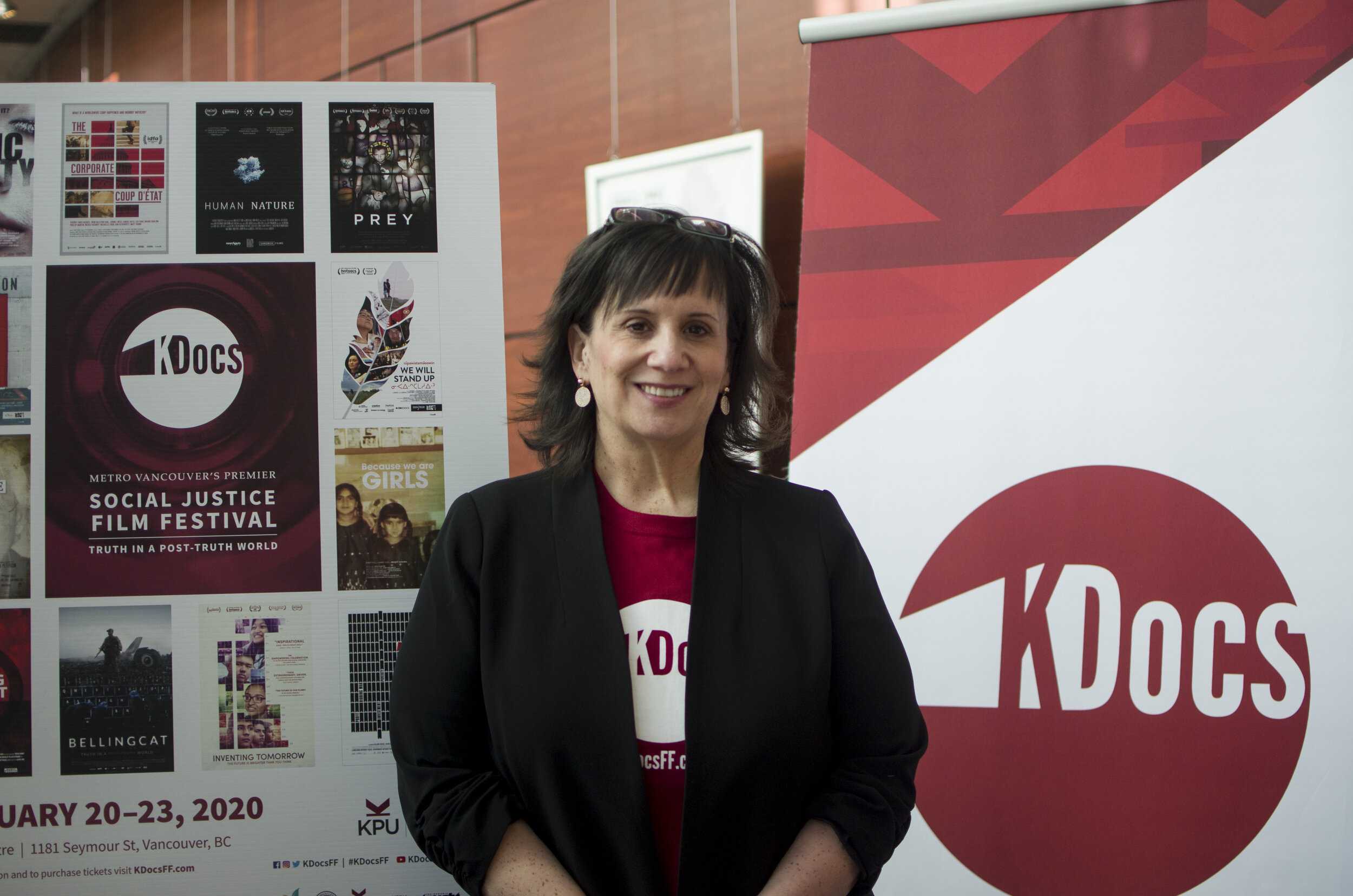
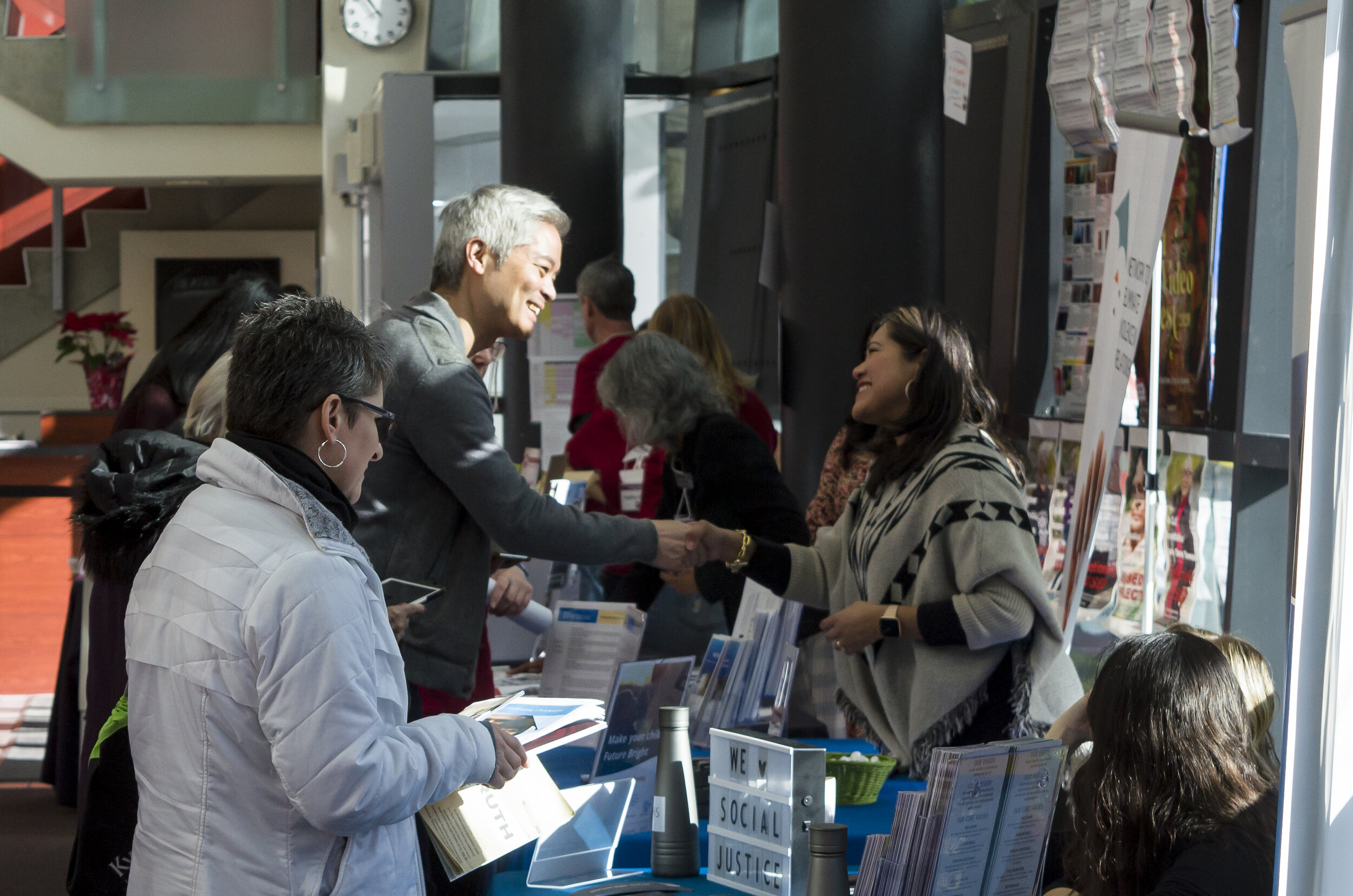
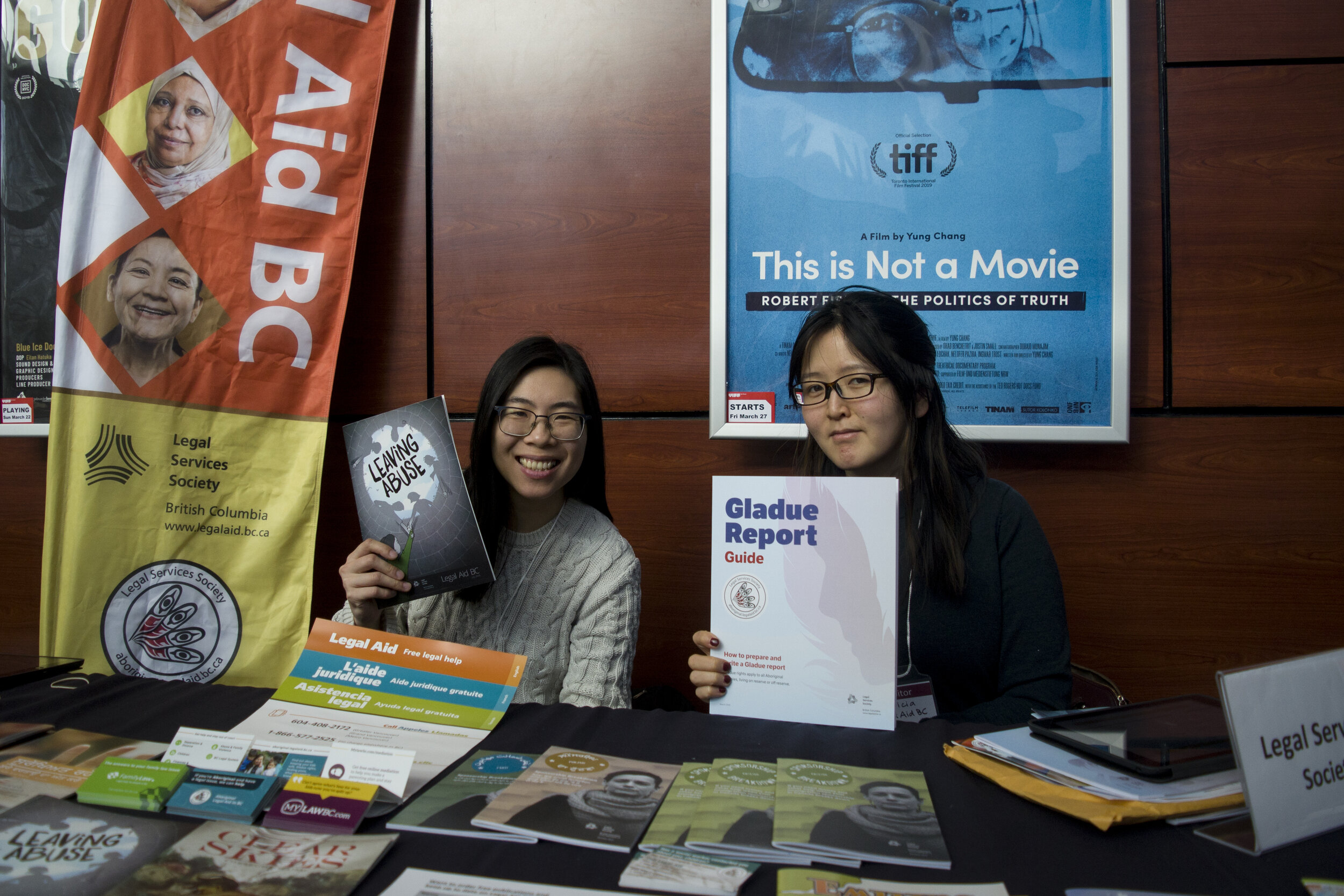
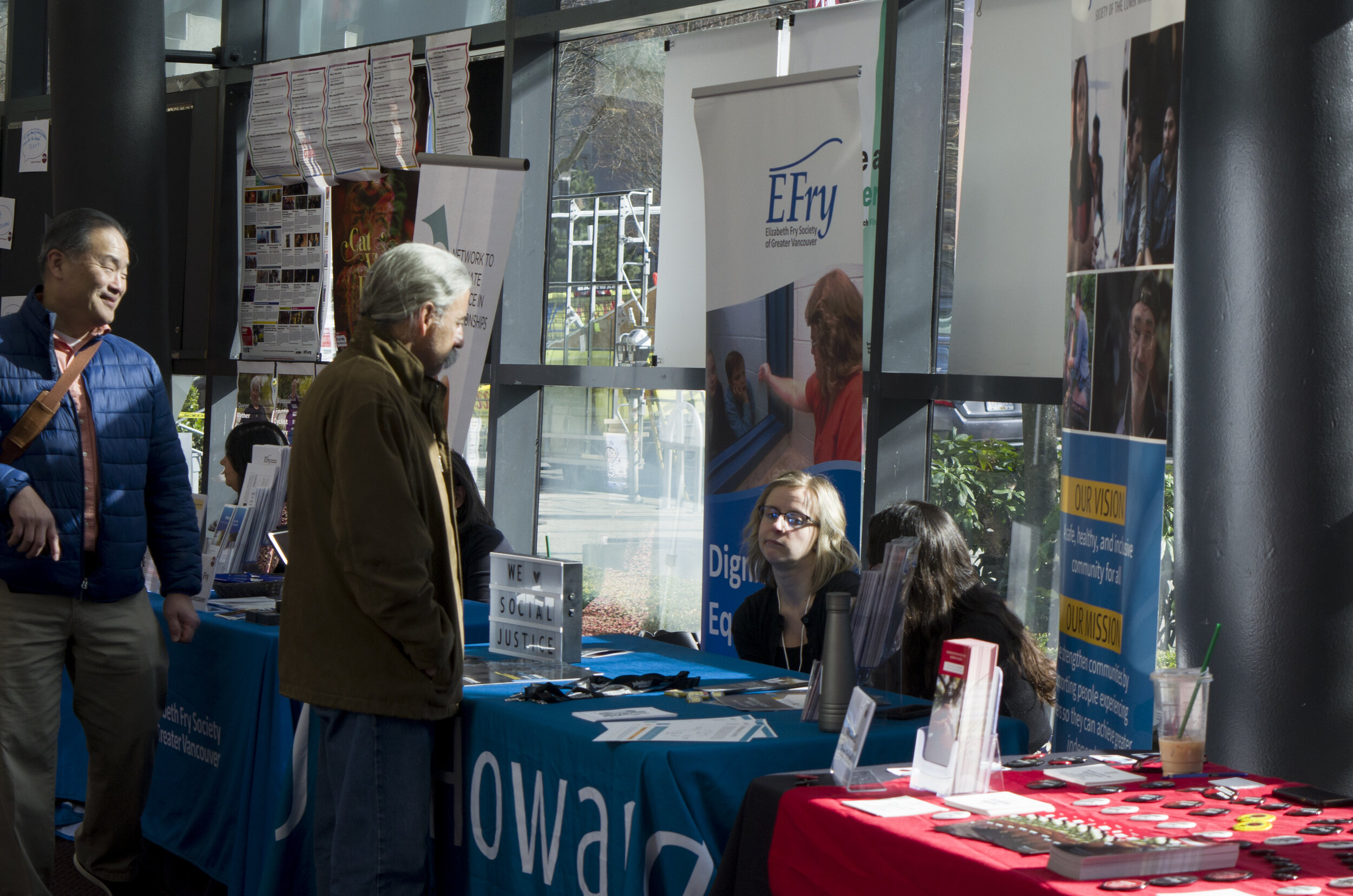
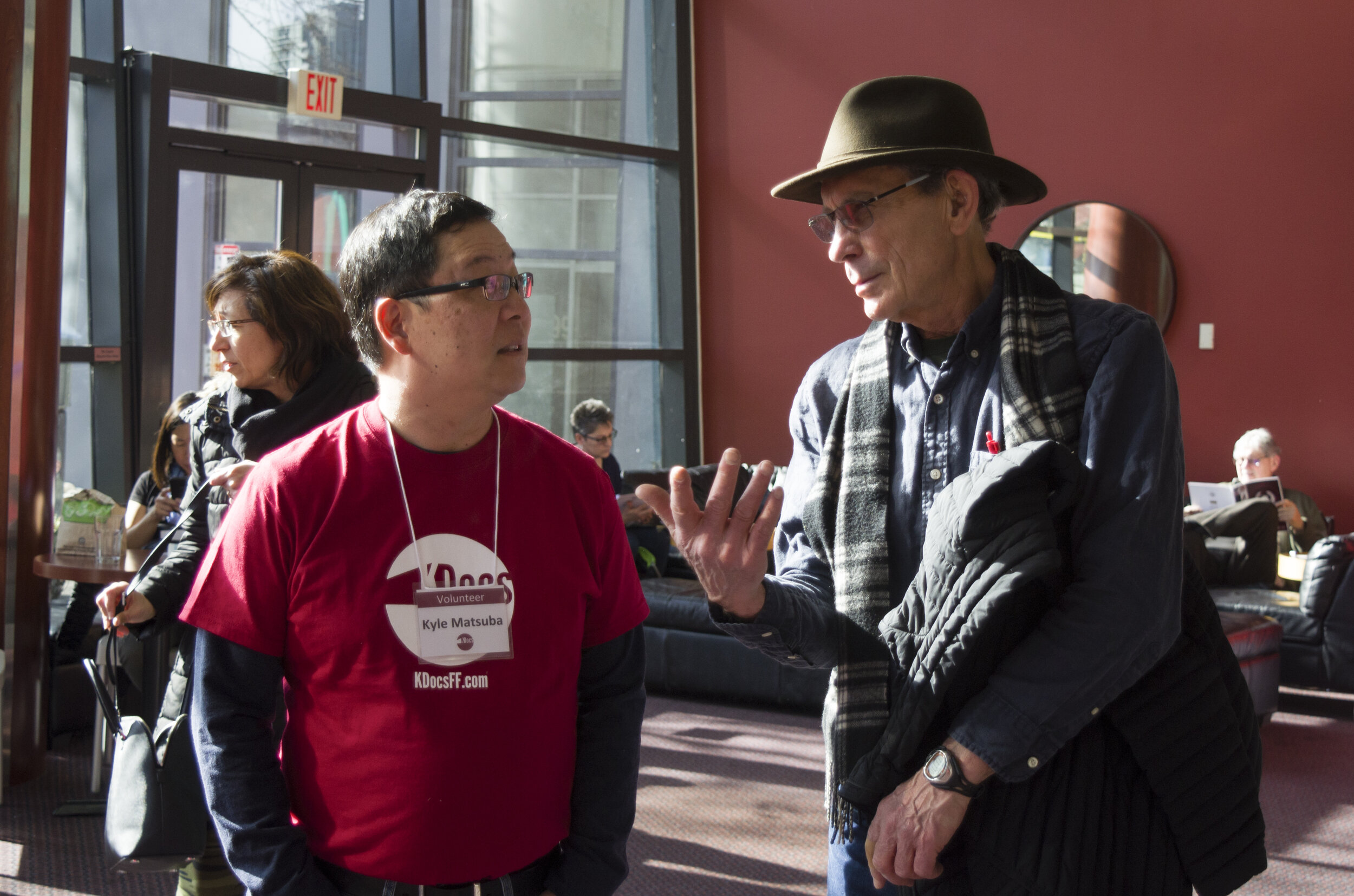
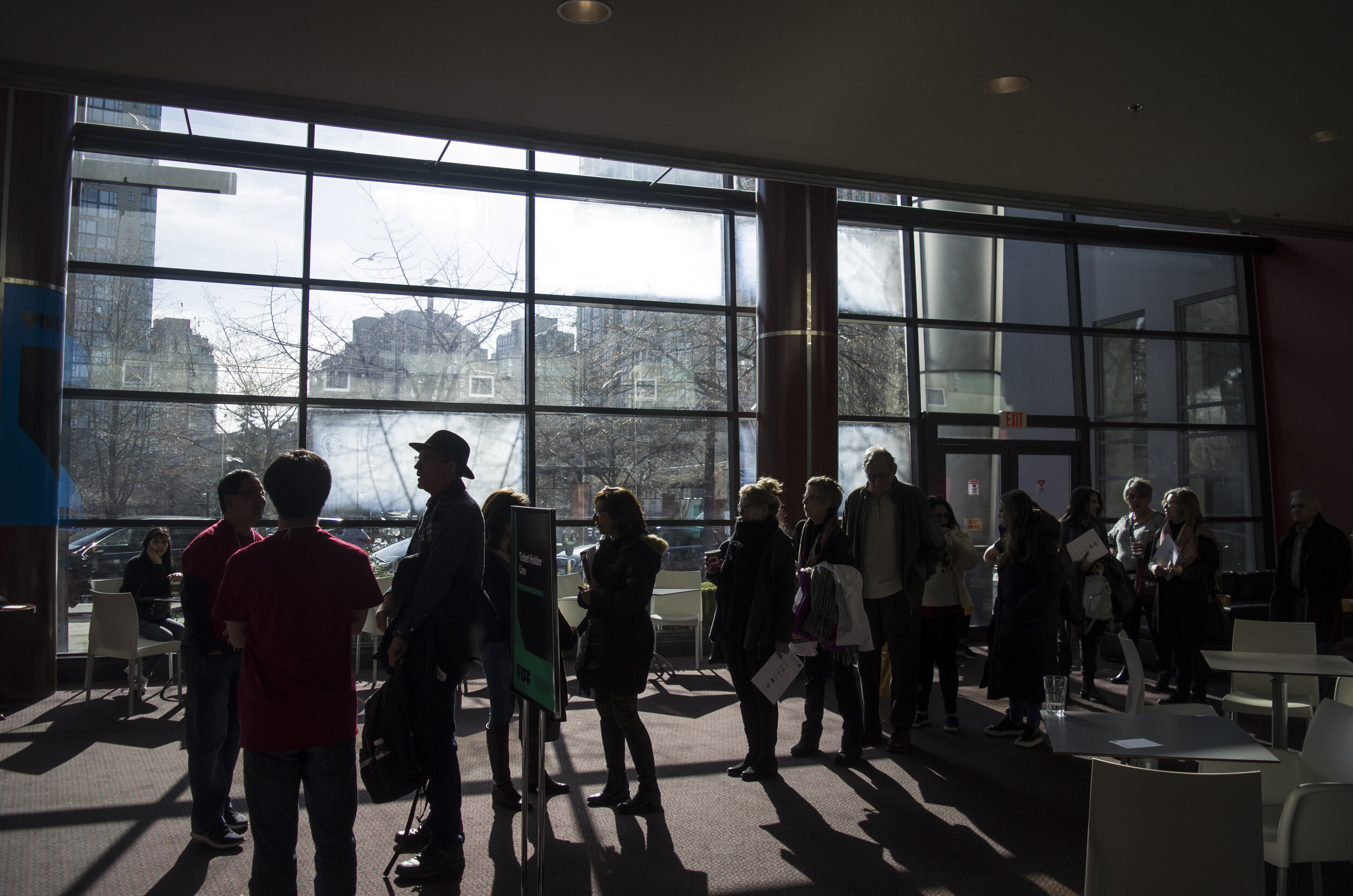
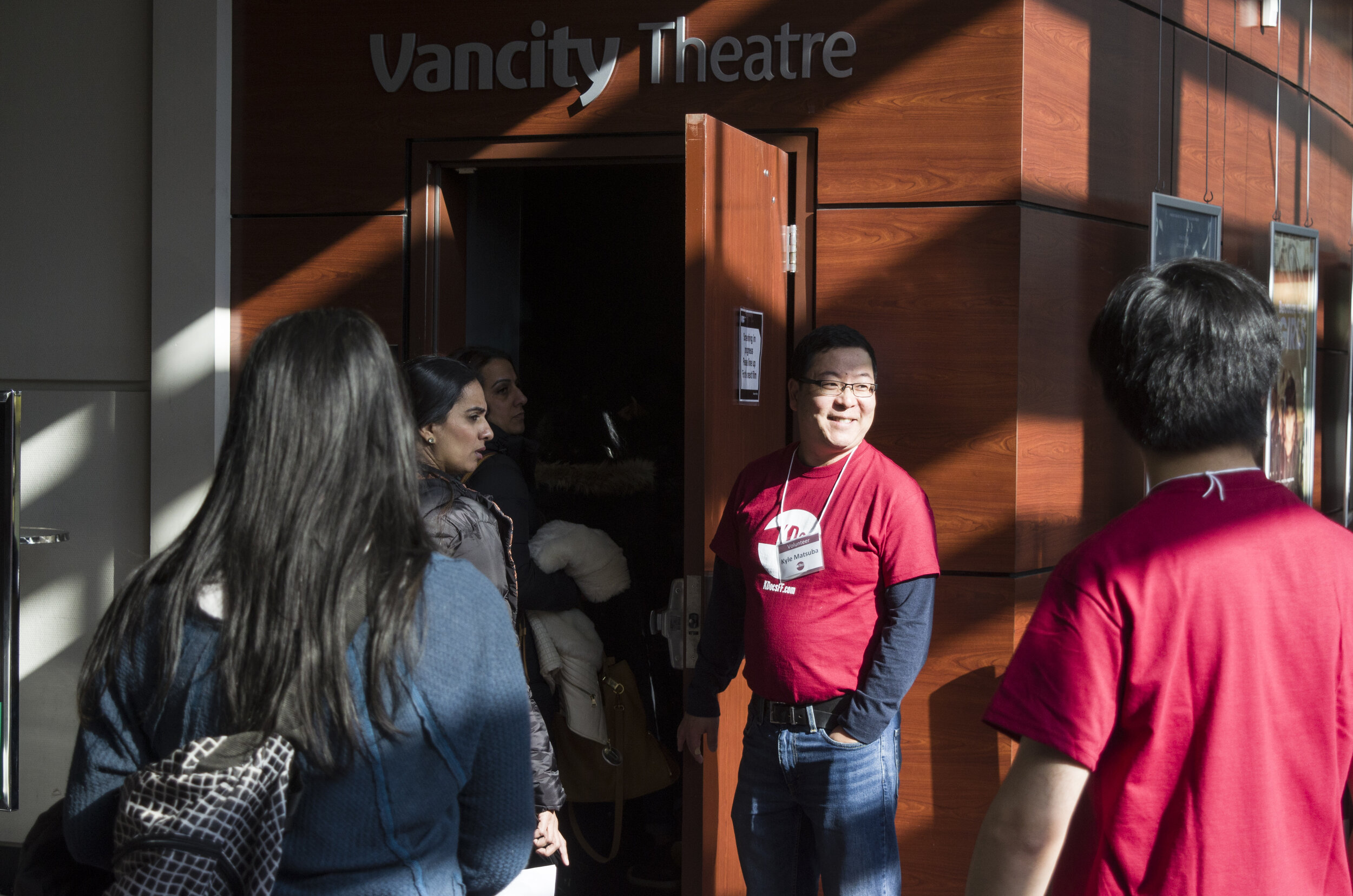
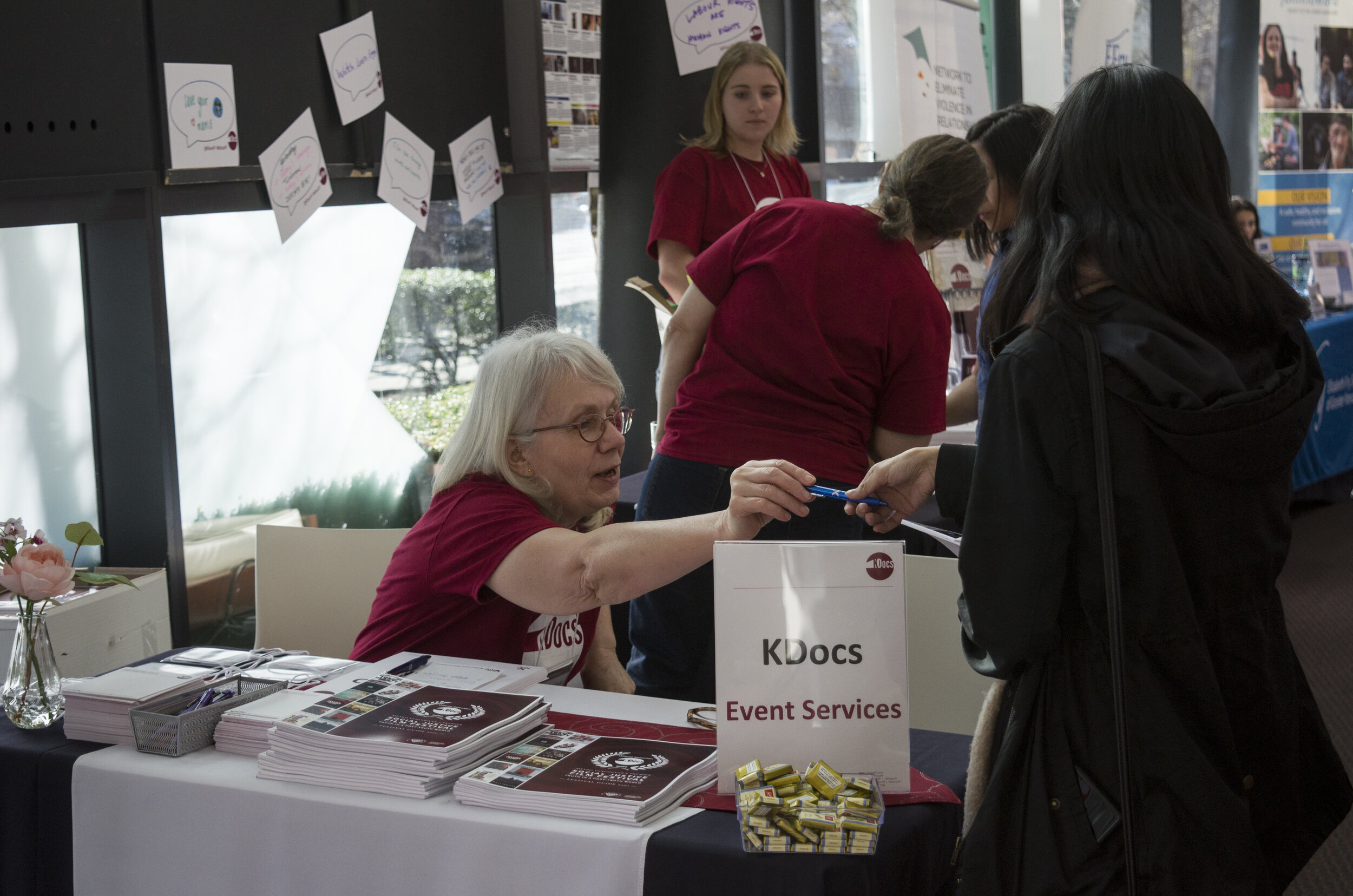
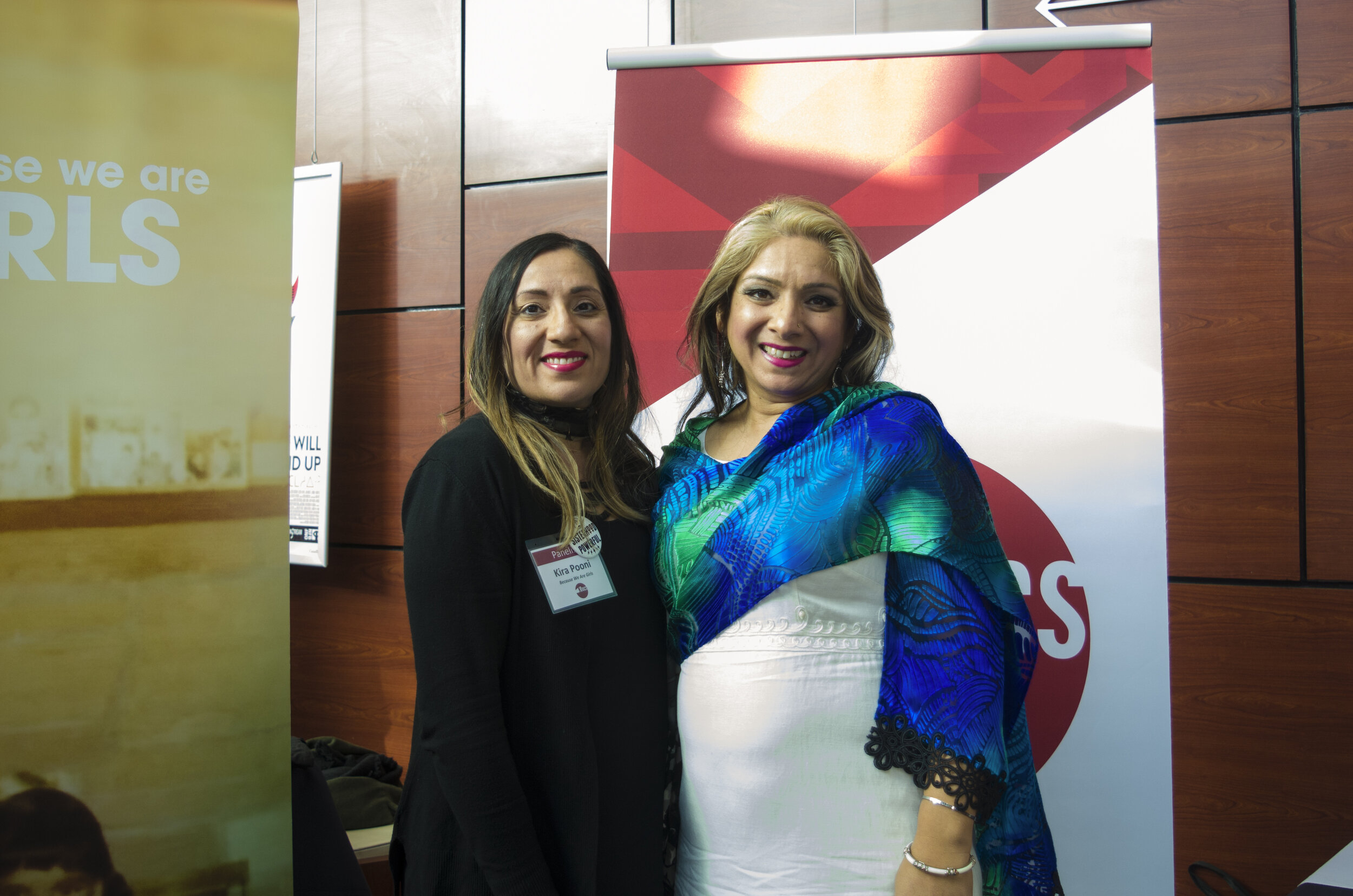
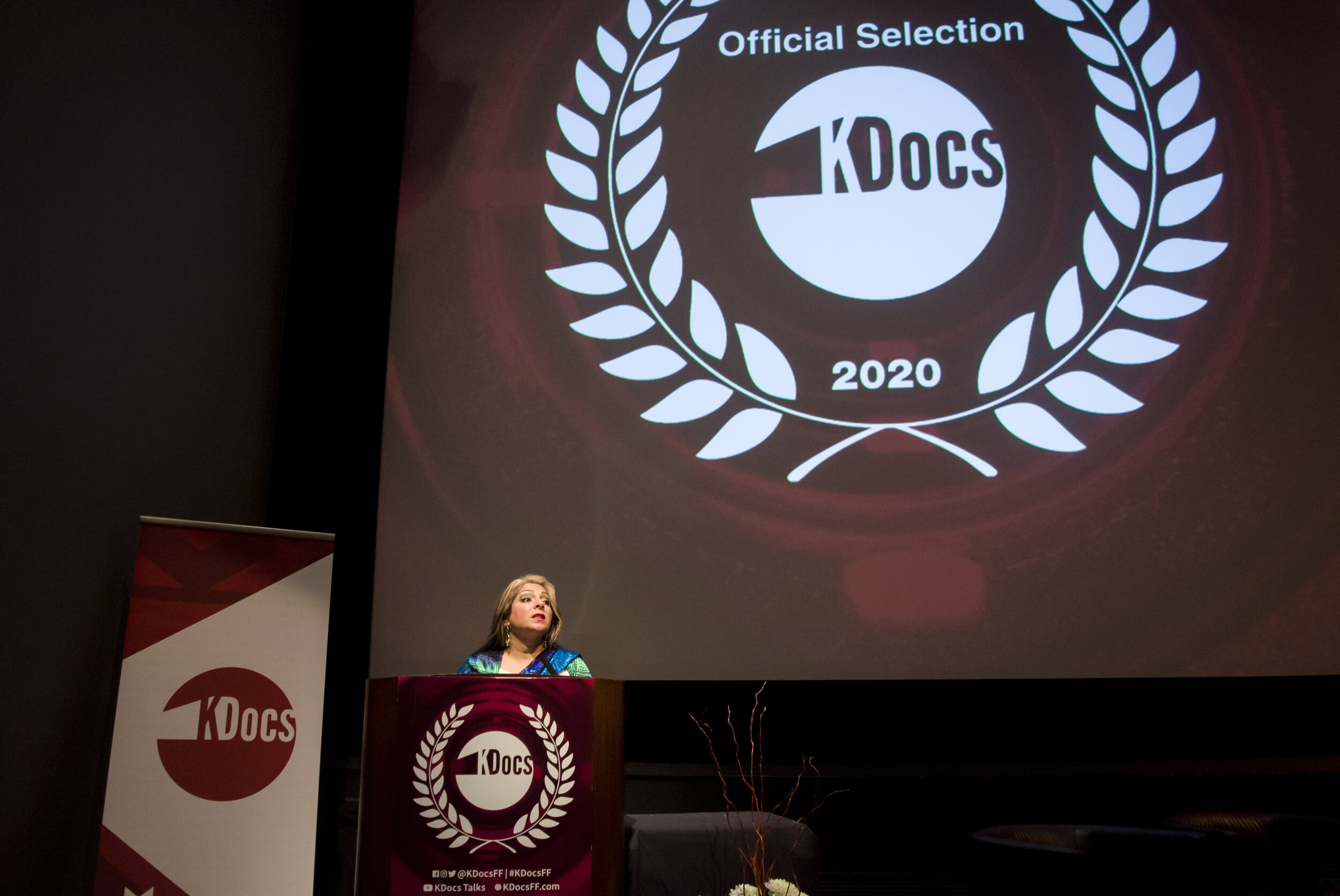
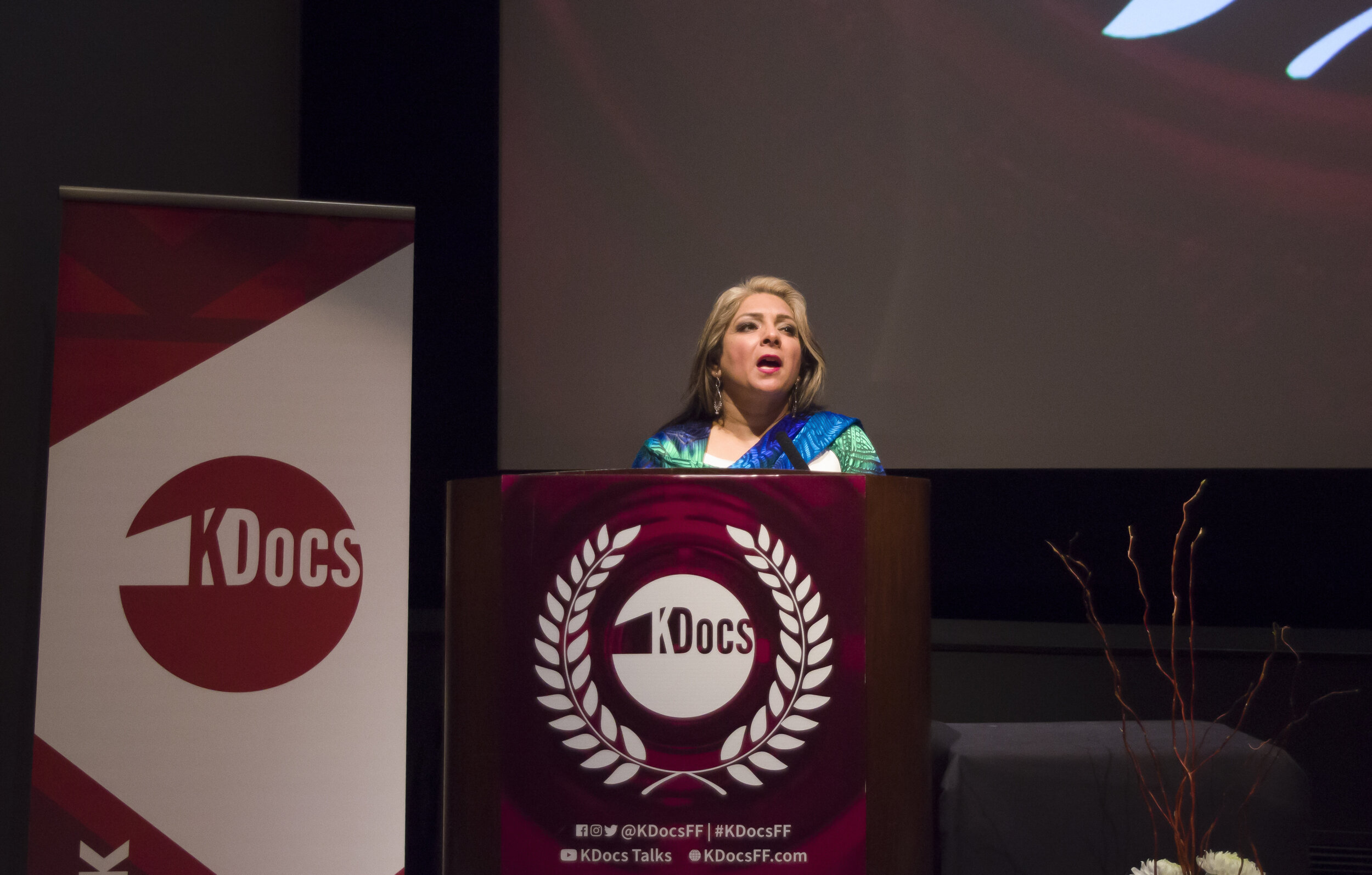
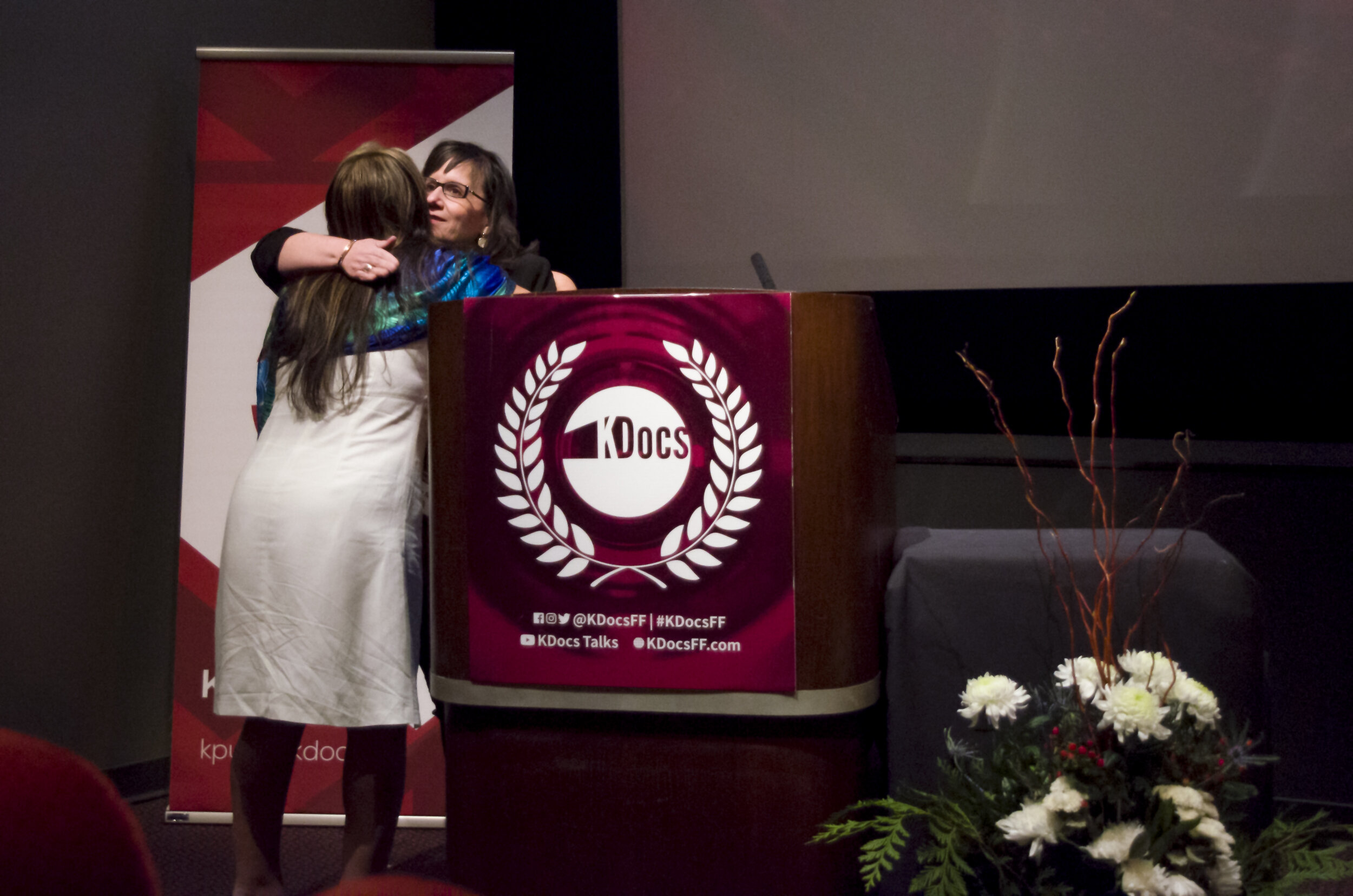
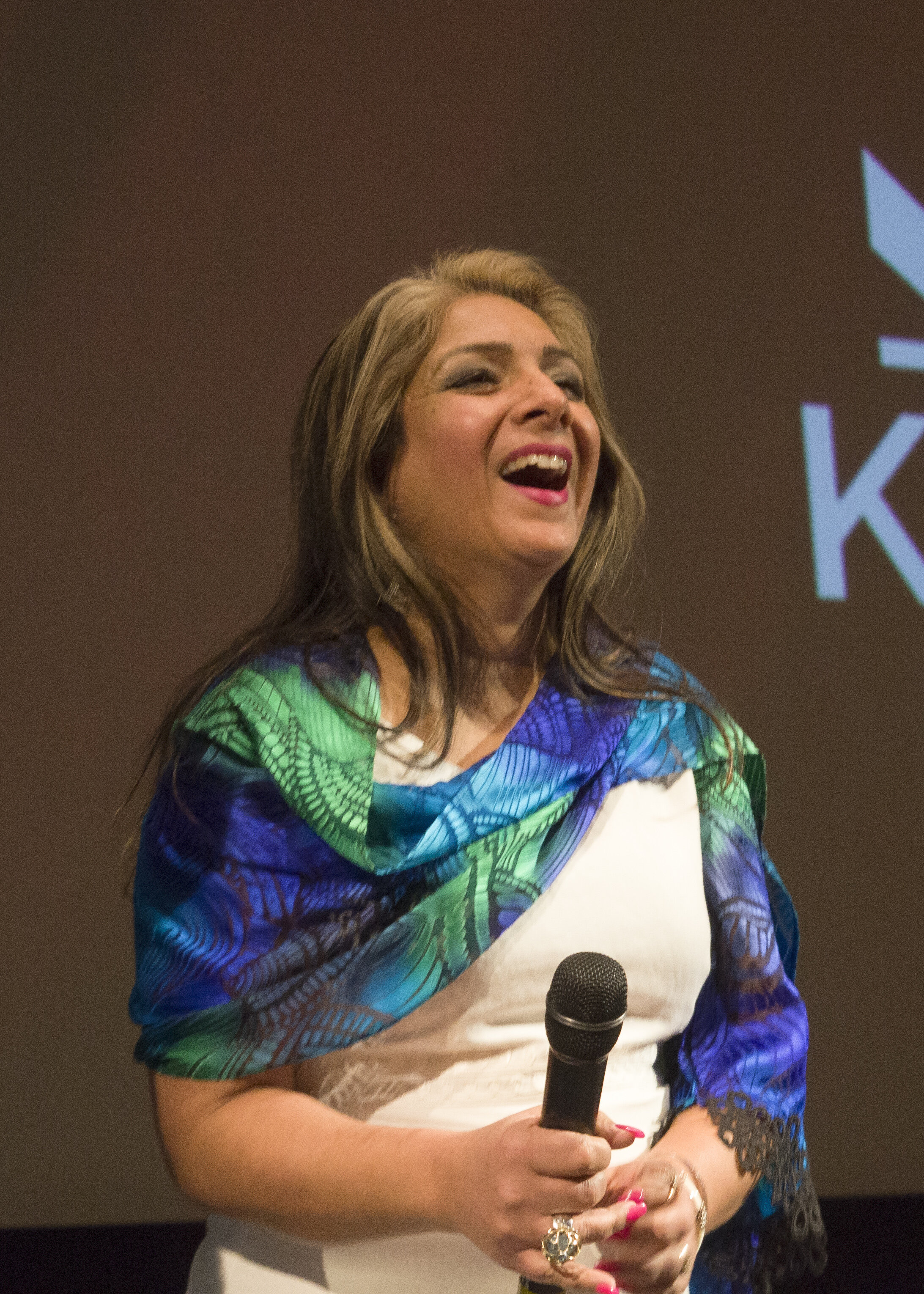
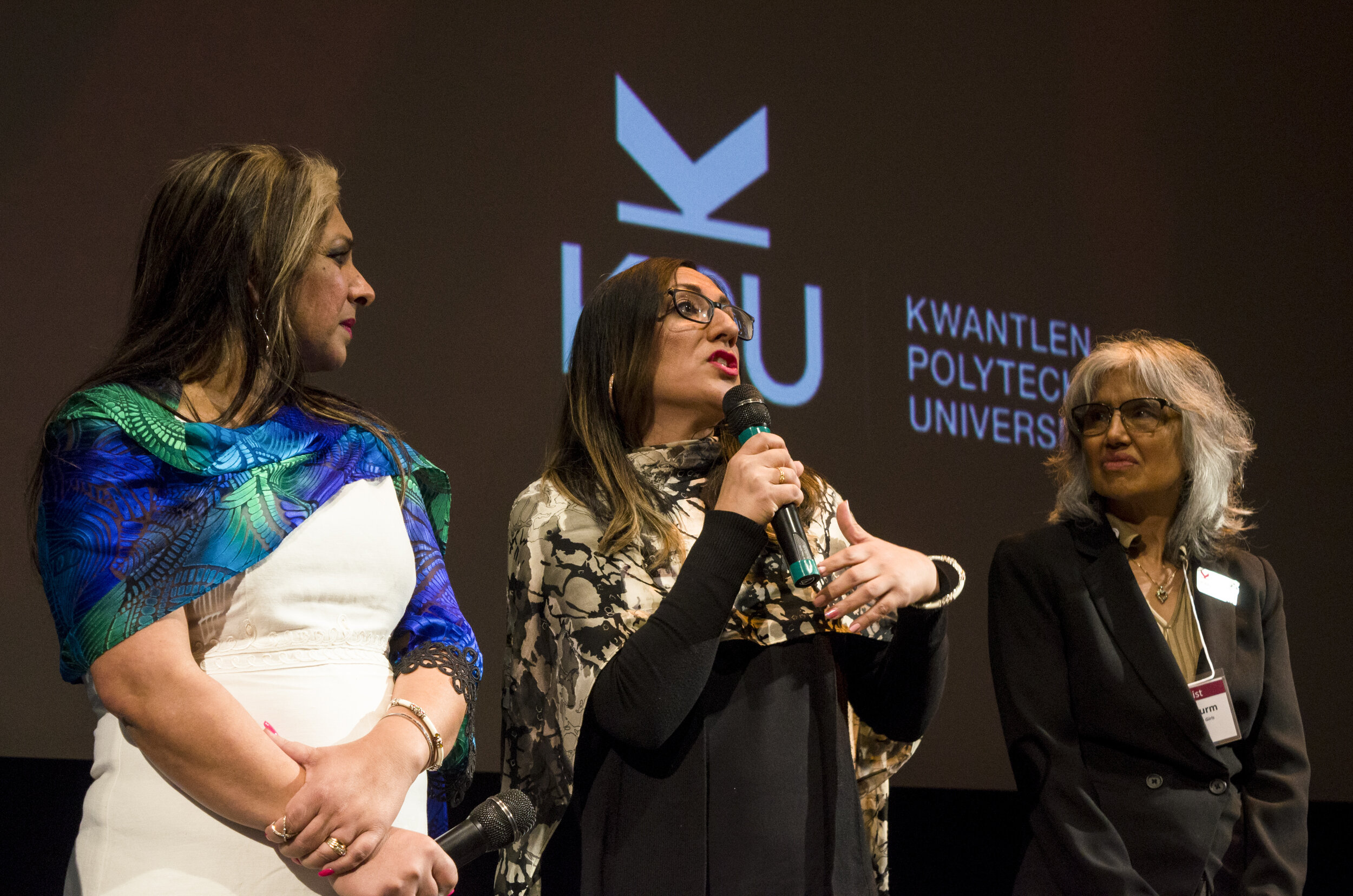
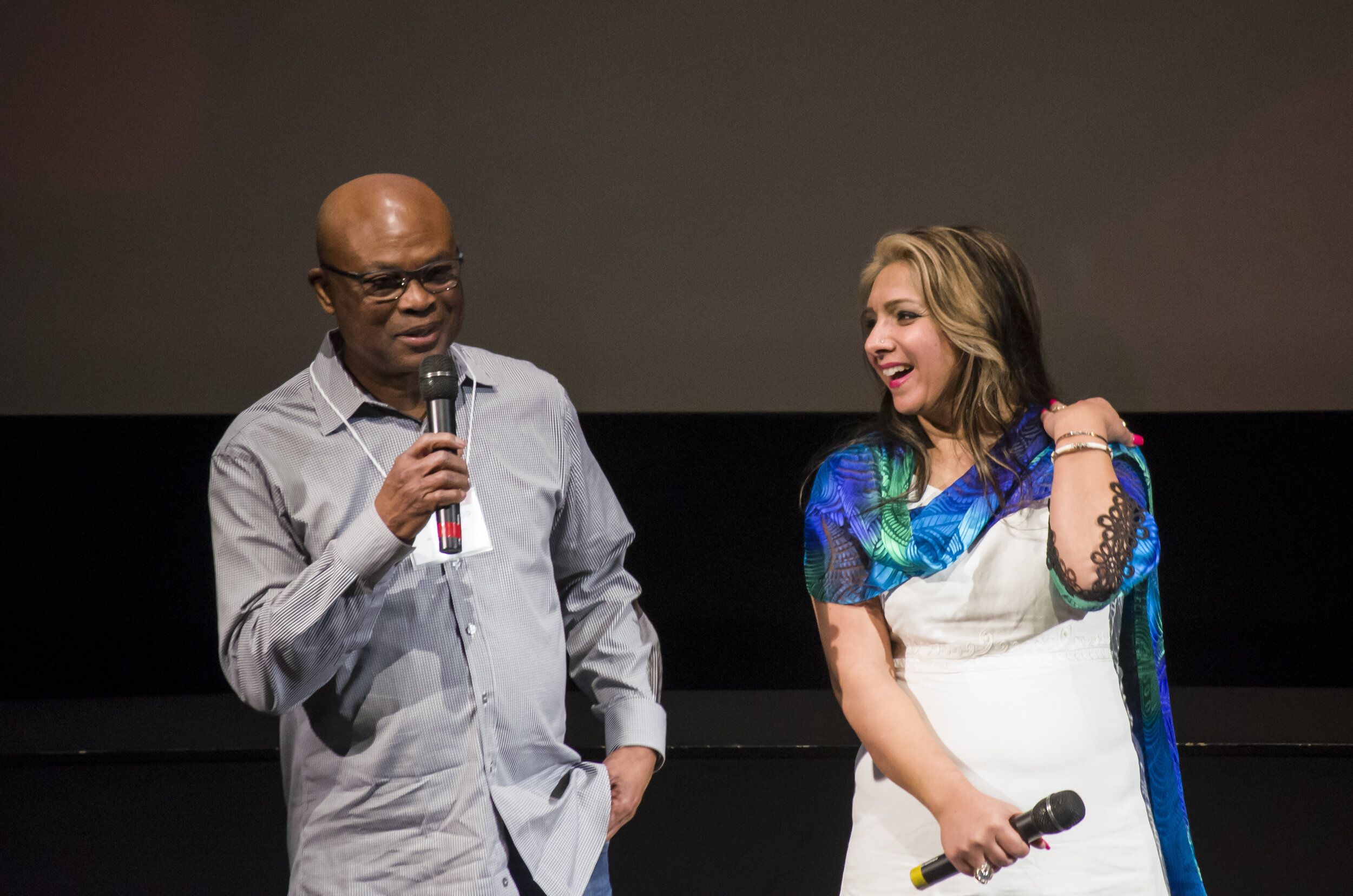
KDocsFF held its fifth annual documentary film festival on February 20-23, 2020, at the Vancouver International Film Centre/Vancity Theatre. Over 2100 people and 36 exhibitors were in attendance throughout the four-day festival—our biggest audience yet!
Because We Are Girls: “A conservative Indo-Canadian family in small-town British Columbia must come to terms with a devastating secret: three sisters were sexually abused by an older relative beginning in their childhood years. After remaining silent for nearly two and a half decades, the sisters decide to come forward—not only to protect other young relatives, but to set an example for their daughters as well. Documentarian Baljit Sangra sensitively explores the impact of sexual abuse on a family, turning her empathetic lens on intimate moments in the family’s life. Full of nuance and layers, Because We Are Girls weaves poetically between past and present, darkness and light. We witness the emotional toll that pursuing justice through the courts and confronting their family for not protecting them as children takes on the sisters. But we also share in their happiness as they bond with their daughters and dance along to their favourite Bollywood songs. As the film deftly intertwines touching home footage of the young, innocent girls they once were alongside uplifting scenes of the strong, empowered women they have become, the family’s unconditional love flows freely through it all. Straying from typical portraits of the journey to healing, Because We Are Girls offers a unique and powerful tribute to women’s strength in the face of profound trauma.” KDocsFF’s Keynote Speaker was film subject Jeeti Pooni. www.nfb.ca/film/because-we-are-girls
Bellingcat: Truth in a Post-truth World: “Bellingcat: Truth in a Post-truth World follows the revolutionary rise of the ‘citizen investigative journalist’ collective known as Bellingcat, a group of online researchers dedicated to exposing the truth of impenetrable news stories from around the world0—from the MH17 disaster to the Syrian Civil War to the mysterious poisoning of a Russian spy in the United Kingdom. From his Leicester home, de facto leader Eliot and his team of truth-seekers put newspapers, networks and governments to the test. Bellingcat uses cutting-edge digital techniques and crowdsourcing to create a faster, more innovative approach than traditional research journalism. For the first time, Bellingcat researchers in Germany, the Netherlands, Finland, and the United States have given exclusive access to filmmaker Hans Pool, allowing him to follow the group on their path to demonstrate the power of open source investigation. Bellingcat’s impact is examined through the lens of their current investigations, as well as the high-profile conflicts they’ve previously reported. In the three years since its inception, Bellingcat has produced a remarkable amount of breaking news while gaining a reputation for trailblazing journalism. When the International Criminal Court issued a landmark arrest warrant based on social media evidence, it was Bellingcat that proceeded to work on the case. Just last year, Dutch member Christiaan Triebert was awarded the European Press Prize for innovative journalism for his reporting on the failed Turkish coup. In a web of propaganda disguised as truth, what drives Bellingcat forward? With governments growing less reliable by the day and traditional newspapers declining in both relevance and reach, how does Bellingcat, dismissed by some critics as an assortment of self-funded ‘armchair researchers,’ have the ability to force powerful world leaders to the international courts where they are held accountable for their crimes? What does their success say about how our world has changed in the face of this century’s paradigm shifting developments in government, technology and social media?” KDocsFF’s Keynote Speaker was film subject Christiaan Triebert. www.bellingcatfilm.com
Beyond Climate: “The UN’s Intergovernmental Panel on Climate Change (IPCC) recent report, entitled Global Warming of 1.5°C, indicates that it is possible to stabilize the climate provided we act within the next decade to be globally carbon neutral by 2050. Indeed, having already warmed by 1°C already—since pre-industrial times—we are already seeing the impacts, especially in Canada. British Columbia—Canada’s most westerly Province along the Pacific coast—is a hotspot to visualize and experience how global warming affects local environments and communities. Through heat waves, droughts, melting glaciers, pest outbreaks, back-to-back record setting forest fires, and changes to the oceans, Beyond Climate takes viewers beyond the headlines and into the heart of the issues. The film holistically connects the larger patterns of climate change with the human dimension and what it looks like across BC from the top of the mountains to the depths of the oceans. Shot throughout the province over many years, the collective wisdom and perspectives of Indigenous leaders, local communities, scientists, and policymakers are featured. Dr. David Suzuki—renowned scientist, broadcaster and environmentalist—helps guide the journey as the narrator of the film. But Suzuki is more than just narrator. He’s a long-term resident of BC, having lived most of his life in Vancouver, and this film is part of his enduring legacy. Now, in his 80s, Suzuki reflects back on his life, how his home province is changing, and offers his personal perspectives on the environment, economy, and opportunity to navigate our complex future if we ‘pull back and give nature a chance.’ Addressing many of the pressing issues facing BC—from pipelines, liquified natural gas, salmon, and Indigenous rights—the film is a timely contribution to the province and country as we grapple with climate change, the paramount issue of our time.” KDocsFF’s Keynote Speaker was film subject David Suzuki. www.beyondclimate.ca
Conviction: “Alarmed by the rising numbers of women in prison and inspired by the conviction of Senator Kim Pate, Conviction flips the narrative away from pop culture’s voyeuristic lens and hands it to the women who are being victimized, marginalized, and criminalized in our society. Not another ‘broken prison’ film, Conviction is a ‘broken society’ film—an ambitious and inspired re-build of our community, from the inside out. With more women in prisons than ever before, the film implicates viewers to question the status quo and to consider a different kind of society that better supports the most vulnerable among us. Conviction’s approach aims to collapse the ‘us’ and the ‘them,’ the filmmaker and the subject, the viewer and the women in prison. The women involved are true collaborators, not only in the process of creating their different versions of a better society, but also by participating in the making of the film. Conventional documentary roles of director, crew, interviewer, and subjects are blurred as the women become empowered to develop their ideas, experiment with all aspects of filmmaking, and celebrate their own voices. Their creative agency becomes a powerful force, encouraging them to chart the course of their own lives. This collaborative process is at the heart of our vision and drives our process as filmmakers, the film’s point of view, the content, and the creative style of the documentary.” KDocsFF’s Keynote Speaker was film subject Kim Pate. www.convictiondocumentary.com
Human Nature: “From executive producer Dan Rather and director Adam Bolt, the co-writer and editor of the Oscar-winning film Inside Job, comes the story of the biggest tech revolution of the 21st century. And it isn’t digital. It’s biological. A breakthrough called CRISPR has given us unprecedented control over the basic building blocks of life. It opens the door to curing diseases, reshaping the biosphere, and designing our own children. Human Nature is a provocative exploration of CRISPR’s far-reaching implications, through the eyes of the scientists who discovered it, the families it’s affecting, and the bioengineers who are testing its limits. How will this new power change our relationship with nature? What will it mean for human evolution? To begin to answer these questions, we must look back billions of years and peer into an uncertain future.” KDocsFF’s Keynote Speaker was Elizabeth Simpson. wondercollaborative.org/human-nature-documentary-film
Inventing Tomorrow: “Inventing Tomorrow follows six young scientists from Indonesia, Hawaii, India, and Mexico as they tackle some of the most complex environmental issues facing humanity today—right in their own backyards. Each student is preparing original scientific research that he or she will defend at ISEF, the Intel International Science and Engineering Fair. Framed against the backdrop of the severe environmental threats we now face, we immerse the audience in a global view of the planetary crisis, through the eyes of the generation that will be affected by it most. Considered the Olympics of high school science fairs, ISEF is the largest gathering of high school scientists in the world, attracting approximately 1,800 finalists from over 75 countries, regions, and territories. All the finalists want to do a good job, but the heart of the story isn’t about whether they go home with an award. As they take water samples from contaminated lakes, dig up the dirt in public parks, board illegal pirate mining ships, and test their experiments in a lab, we see each student display a tenacious curiosity and a determination to build a better future. Motivated by the desire to protect their homes, these young people ask questions about the issues they observe in their communities and propose innovative solutions to fix them. The students spend close to 600 hours each on their projects, guided in their scientific quest by dedicated university mentors. At home with their parents, grandparents, and siblings, they compare the world their elders knew with the stark reality of the one they’re inheriting.” KDocsFF’s Special Guest and Keynote Speaker was Kwantlen Nation Elder and KPU Elder-in-Residence Lekeyten. www.inventingtomorrowmovie.com
Killing Patient Zero: “1981, North America: it’s a mere seven years since homosexuality has officially been de-classified as a mental illness by the American Psychiatric Association, and it’s three years since the assassination of Harvey Milk. Yet, there is progress and a feeling of gay liberation in the air: sexuality shamed for centuries, millennia, is finally able to flex its muscles and celebrate itself. But these halcyon days lasted only a few years because, suddenly, a deadly new disease was killing gay men. Initially called the ‘gay plague,’ this syndrome would become a shocking illustration of the entrenched homophobia of the time—literally thousands of gay men would die before the mainstream media, or governments, paid proper attention to—and spent resources on—the disease. Killing Patient Zero explores this gay holocaust by telling the story of Gaetan Dugas, notoriously (and erroneously) known as ‘patient zero,’ thanks to Randy Shilts’ ground-breaking 1987 book on the AIDS epidemic, And The Band Played On. In Shilts’ work, Dugas comes across as a psychopath, willfully infecting other gay men. By exploring how Dugas’ infamy came about, Killing Patient Zero is also be a psychological portrait of the gay women and men of this era—clarifying both how they coped and the insidious ways in which homophobia—both external and internal—challenged all homosexuals of this generation and, indeed, continues to do so now. Unlike many gay men in the 1970s, however, Quebecois flight attendant Dugas was openly and unashamedly gay. He was also one of the first 57 AIDS cases reported to the Center for Disease Control (the CDC) in Atlanta. Unlike the other men on their radar, Dugas was able to provide the names of 72 of his former sex partners—and, in so doing, landed in the middle of the CDC’s famous Cluster Study, where, as Patient O (as in the letter, ‘O,’ for ‘Out of California’), he was soon incorrectly referred to as ‘Patient Zero.’ The legacy of the patient zero story cannot be overestimated. It reinforced the negative stereotype of a white, promiscuous, oversexed gay man, who is often still cited as an example of a sociopath. Based on Richard McKay’s ground-breaking book, Patient Zero and the Making of the AIDS Epidemic, this feature documentary clears Dugas of being anything other than a highly sexually active gay man, someone who—like hundreds of other gay men—refused to be re-pathologized by the scientists and doctors of the time.” KDocsFF’s Keynote Speaker was Richard McKay. www.fadoo.com/killingpatientzero
nîpawistamâsowin: We Will Stand Up: “On a summer day in 2016, a young Indigenous man named Colten Boushie died from a gunshot to the head after entering Gerald Stanley’s rural property with his friends. The emotionally charged trial and ultimate acquittal of Stanley caused shock and outrage across Canada, shattering the shaky confidence that Colten’s family had placed in the justice system. Award-winning filmmaker Tasha Hubbard follows the trial and its aftermath, revealing questions about bias that became apparent following the RCMP investigation and jury-selection process. Hubbard traces the long history of violence against Indigenous people and their erasure from the systems of law and power, to the present day, exposing the need for systemic changes. Emerging from the tragedy are the powerful and resilient voices of Colten’s family and community, who stand up for a better future for the next generations. Taking strength in the memory of their beloved son, brother and cousin, the family embarks on a search for justice that brings them to the country’s highest echelons of power and ultimately to the United Nations, where they challenge Canada’s justice system in front of the international community. Hubbard, whose previous films with the National Film Board of Canada have delved into forced Indigenous family separations during the Sixties Scoop (Birth of a Family) and the alleged involvement of Saskatoon police in the infamous freezing deaths of Indigenous men (Two Worlds Colliding), steps in front of the camera for the first time in a desire to highlight the personal toll the case has taken on the lives of Indigenous people. nîpawistamâsowin: We Will Stand Up weaves a profound narrative encompassing the filmmaker’s own adoption, the stark history of colonialism on the Prairies, and a vision of a future where Indigenous children can live safely on their homelands.” KDocsFF’s Keynote Speaker was Patricia Barkaskas. www.nfb.ca/film/nipawistamasowin-we-will-stand-up
Prey: “Most civil, clergy sex abuse cases are settled quietly, out-of-court and far from public view. But Prey follows one survivor and his lawyer as they pursue justice through a public trial in the hopes of forcing the dark and hidden story of clergy sexual abuse to light—a local story with global resonance. Rod MacLeod, the plaintiff in the case, was abused for years as a boy 50 years ago at the hands of a Catholic priest. Rod is represented by Rob Talach, a civil lawyer who has filed 395 suits against the Church, earning him the nickname ‘The Priest Hunter.’ The defendants are The Basilians of Toronto. Attending trial as their representative is Father David Katulski, the public face of the Catholic religious order. The abuser, Father Hod Marshall, makes his presence known at the civil trial in the form of a haunting video deposition taken before his death. The video had been sealed from public view until now. This trial was not about guilt or innocence, but about how much money the church should pay in compensation for the devastating fallout from the abuse. More importantly for Rod, it was about exposing the truth of how and why the sexual abuse of children could go on for so long without the Church stopping it. Prey documents the courtroom drama and delves into the personal stories of many of those present.” KDocsFF’s Keynote Speaker was Don Wright. www.bordercitypicturesinc.com/prey
Push: “Push is a new documentary from award-winning director Fredrik Gertten, investigating why we can’t afford to live in our own cities anymore. Housing is a fundamental human right, a pre-condition to a safe and healthy life. But, in cities all around the world, having a place to live is becoming more and more difficult. Who are the players, and what are the factors that make housing one of today’s most pressing world issues? In Harlem, New York, we meet a man who spends 90% of his income on a flat. Soon, the two-bedroom will cost $3600USD per month. His 1,700-unit housing project has just been bought by a huge private equity fund. In Barcelona, Ahmed and his family are the last left in their building where all other apartments are sealed off. The new owner has been pushing all of their neighbours out. In London, people talk about ‘bank boxes in the sky,’ new condo buildings and flats sold on international fairs as investment pieces. Now, many apartments in these shiny new buildings stand empty. Enter Leilani Farha of Ottawa, Canada. She has just sent her kids off to school when she receives an email with a startling graph. It shows the extreme difference between housing prices and wage development over a 20-year period. In the Greater Toronto Area, housing prices have increased at three times the rate of income. With a background in advocacy for the homeless, Leilani has for the past three years been the UN Special Rapporteur on the Right to Adequate Housing, with the right to hold governments accountable if they don’t meet the human rights obligations in the UN Human Rights Charter. She believes that, if we really want to make change to ensure people can live in the city—all people: rich, middle, and poor; brown, black and white; young and old—then we have to be able to hold someone responsible for what is going on. She wants to confront the very idea of what the experts call the ‘financialisation’ of the housing market. ‘There’s a huge difference between housing as a commodity and gold as a commodity.’ Push follows Leilani’s quest to understand the radical change that cities all over the world are now being confronted with.” KDocsFF’s Keynote Speaker was film subject Leilani Farha. www.pushthefilm.com
The Corporate Coup d’État: “A democracy should protect its citizens, especially the most vulnerable among them, but increasingly the United States is failing to do so. This investigative and persuasive documentary blends the insights of philosophers, authors, and journalists with the experiences of citizens of the Rust Belt in the US Midwest, where the steel industry once flourished, but where closures and outsourcing have left urban areas desolate and hopeless. It’s here that Donald Trump finds some of his most fervent supporters, as he’s not considered part of the hated Washington establishment. Journalist Chris Hedges argues that the crisis predates Donald Trump’s election by many years. Like his source of inspiration, the Canadian philosopher John Ralston Saul, Hedges regards Trump as the symptom rather than the disease. Decades ago, U.S. democracy began selling its soul to big corporations. Lobbyists and corporatism took control in Washington, gradually undermining the will of the people. Journalist Naomi Klein recently described Trump’s administration as a ‘corporate coup d’état.’ Hedges and Ralston Saul argue that the real coup took place long before.” KDocsFF’s Keynote Speaker was film subject John Ralston Saul. www.whitepinepictures.com/the-corporate-coup-dtat
Toxic Beauty: “In 1982, world renowned epidemiologist Dr. Daniel Cramer linked Johnson & Johnson’s baby powder to ovarian cancer. Since the 1960s, J&J allegedly knew the risks and did nothing. In 2004, Dr. Philippa Darbre, a UK scientist, found parabens, a chemical preservative in many cosmetics, in breast tissue. In 2018, the National Institute of Health’s sister study linked breast cancer to personal care product use. From links to hormonal disruption in baby boys, to developmental delays, low sperm count in men, infertility, cancer, diabetes, obesity, and skin disease—the cosmetic industry isn’t pretty. Each morning, we slather with 1000s of chemicals, many of which are proven to be toxic. In the United States, the Cosmetic and Personal Care Industry regulates itself. In Canada, implementing regulations is under scrutiny. There is doubt propagated by big industries making claims that we have nothing to worry about, positioning themselves as champions of personal empowerment through their multibillion-dollar advertising campaigns. Top researchers worldwide have the hard science to answer the question ‘Are cosmetics and personal care products a public health risk?’ Toxic Beauty is a film with exclusive access to scientists, lawyers, advocates, regulators, politicians, a dynamic whistleblower, survivors, and women who have lost their lives. It follows the class action lawsuit against J&J and the plaintiffs, sharing personal stories of women fighting for justice in a race against time with this deadly disease. Woven throughout the film is a human experiment. [Toxic Beauty] documents Boston University medical student, Mymy Nguyen, [as she] measures her chemical body burden from over 27 products. Scientists monitor her shocking results. In the end, the film meets the companies and people who offer solutions and optimism for safer, toxicant free cosmetics.” KDocsFF’s Keynote Speaker was film subject Bruce Lanphear. www.whitepinepictures.com/toxic-beauty
Courtesy of Kwantlen’s Library, you can read a bibliographic listing of additional resources for the KDocsFF 2020 films.
A Special KDocs Screening: Because We are Girls
As part of its Year-round Program, KDocs hosted a free community screening of the documentary Because We Are Girls on October 24, 2019. The Keynote Speaker was Karen Snowshoe, and special guests and Panelists included the film’s director, Baljit Sangra; the film’s subjects, Jeeti Pooni, Kira Pooni, and Salakshana Pooni; and KPU Faculty Member and Founding Member/Facilitator of NEVR, Balbir Gurm. Our moderator was KPU Faculty Member Asma Sayed.
Because We Are Girls charts the story of three sisters who have spent years bracing themselves for the pivotal moment that opens this film: the final verdict in their trial against their cousin, their childhood sexual abuser. From there, the story returns to their memories of growing up in a large and insular Punjabi-Canadian family in the small mill town of Williams Lake, British Columbia. With unflinching candour, the sisters discuss their family's dark secrets and expose a toxic family culture that relied on female subservience and obedience. These roles, they acknowledge, have deeper roots and have in part been reinforced by the Bollywood films that have structured their fantasies of romantic relationships. While the film tells a difficult and confrontational story of abuse, it is also a celebration of the loving sisterhood that allows these women to demand justice for the wrongs of their childhood years.
KDocsFF Spring 2019 Mini-Fest
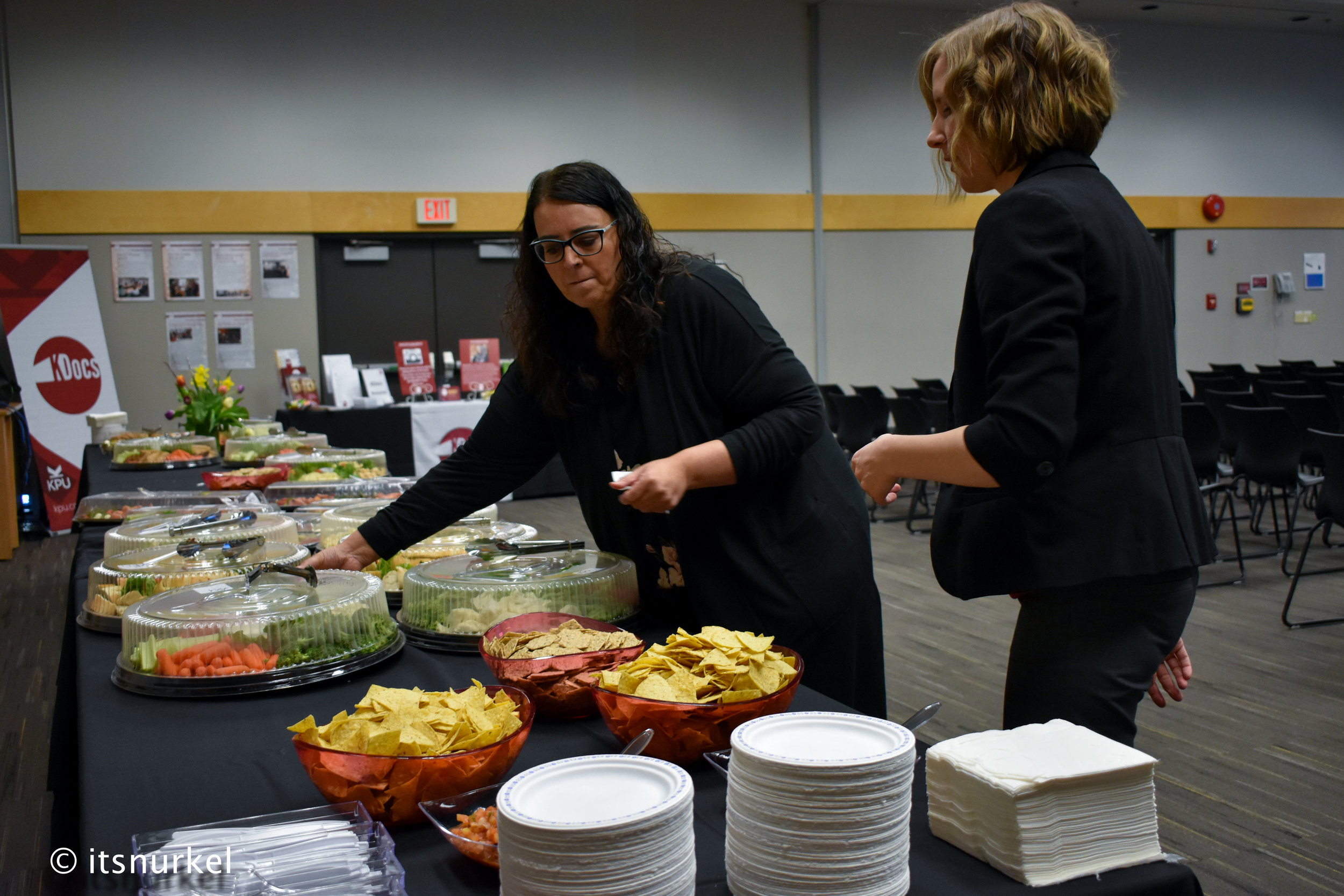
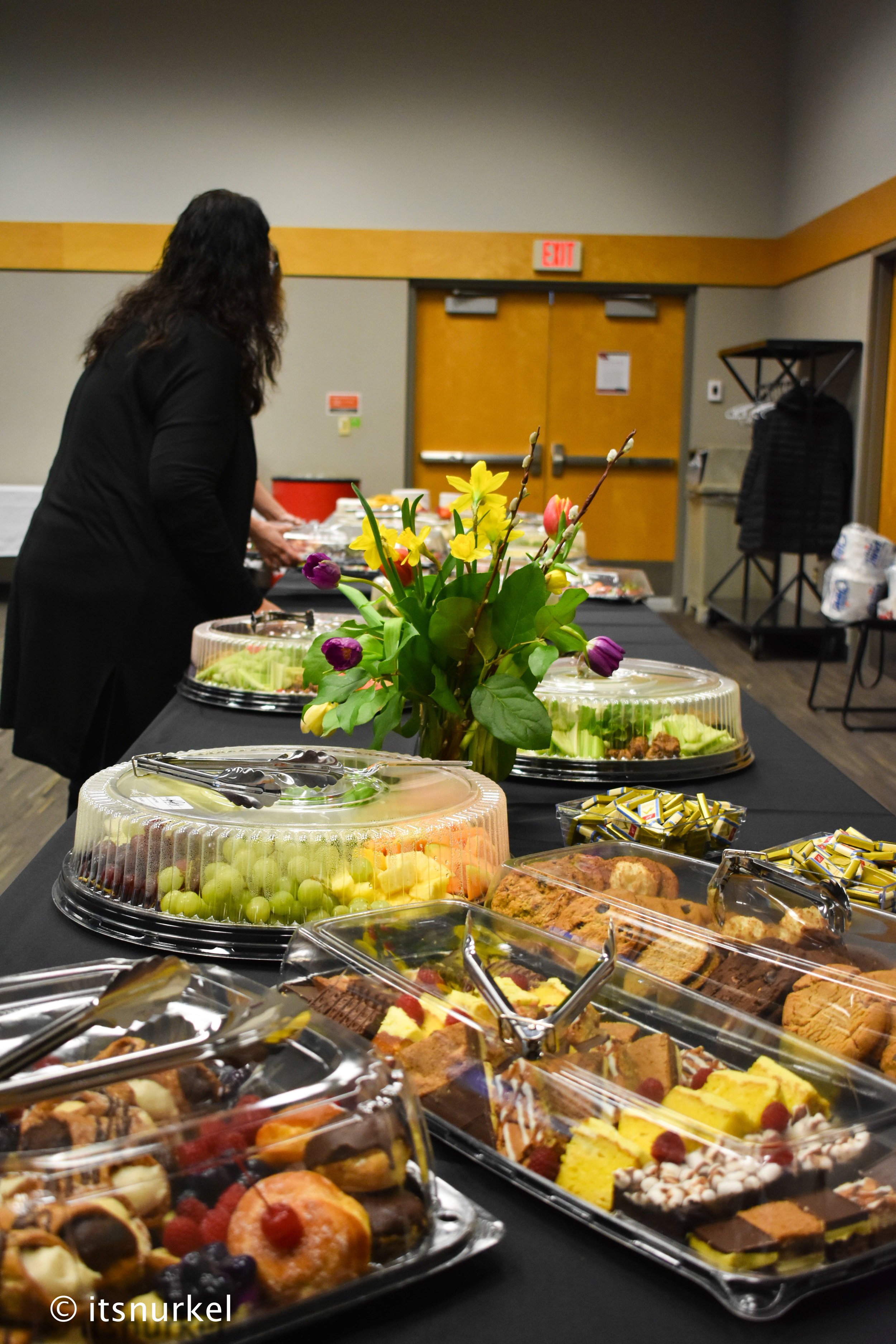
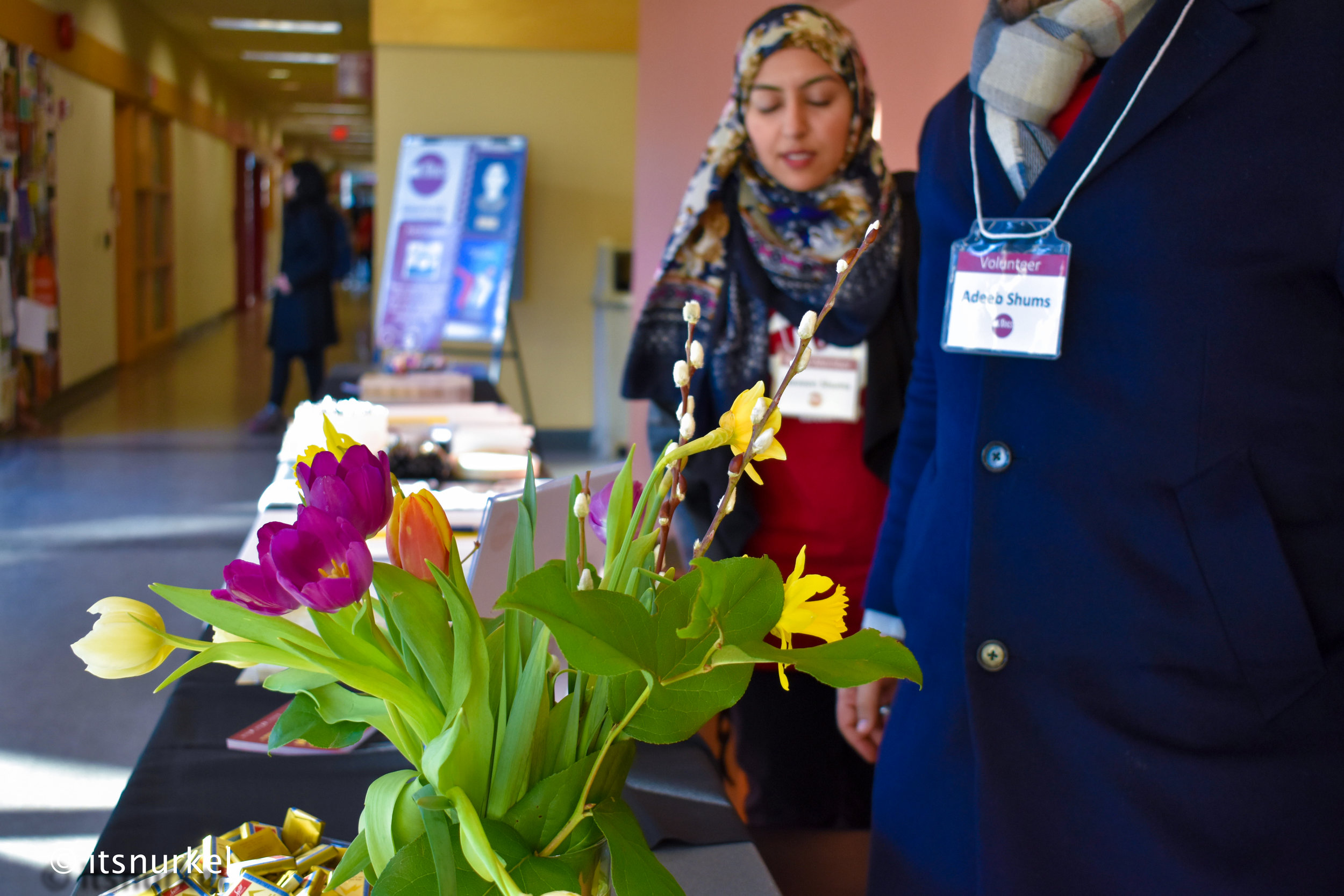
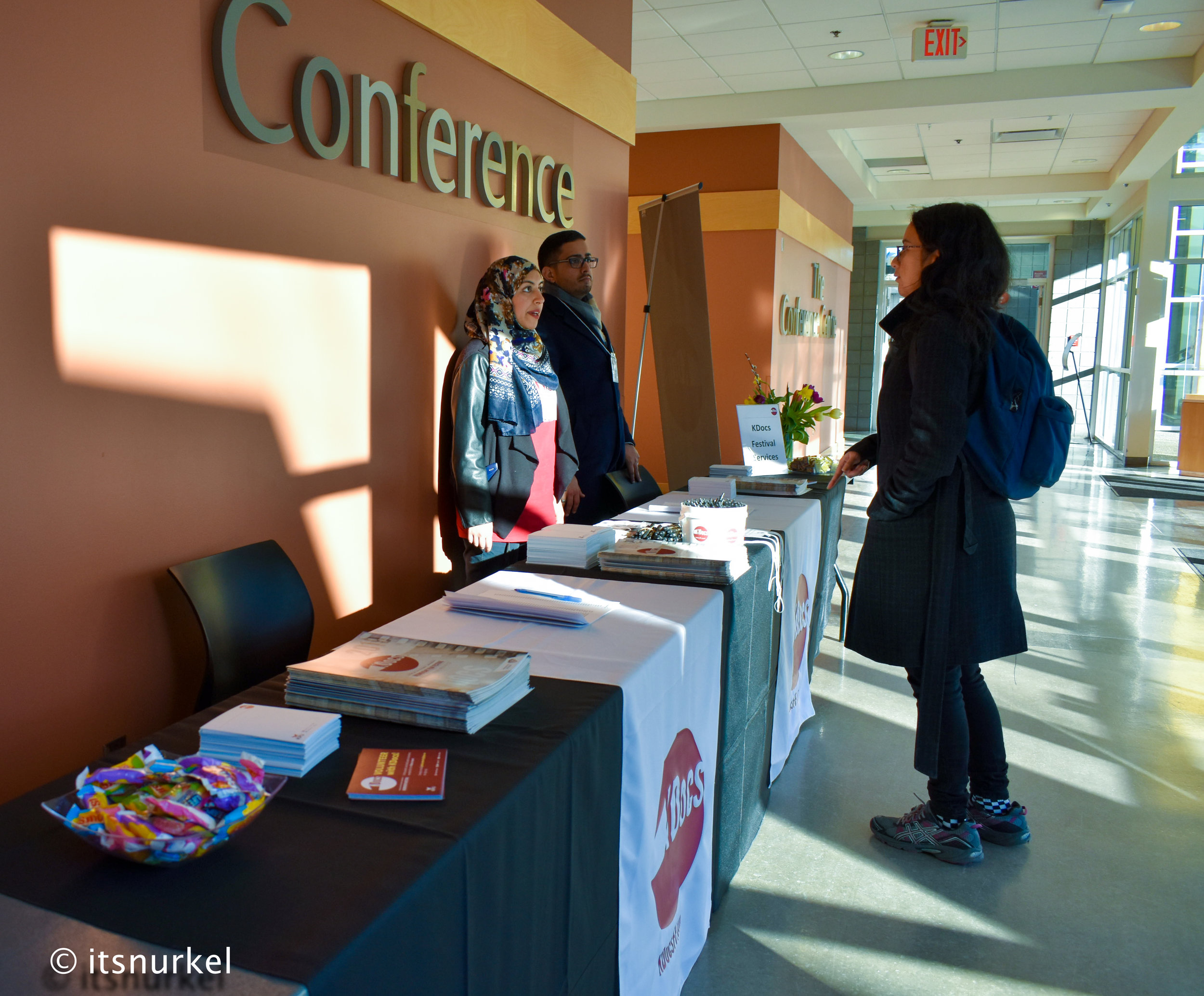
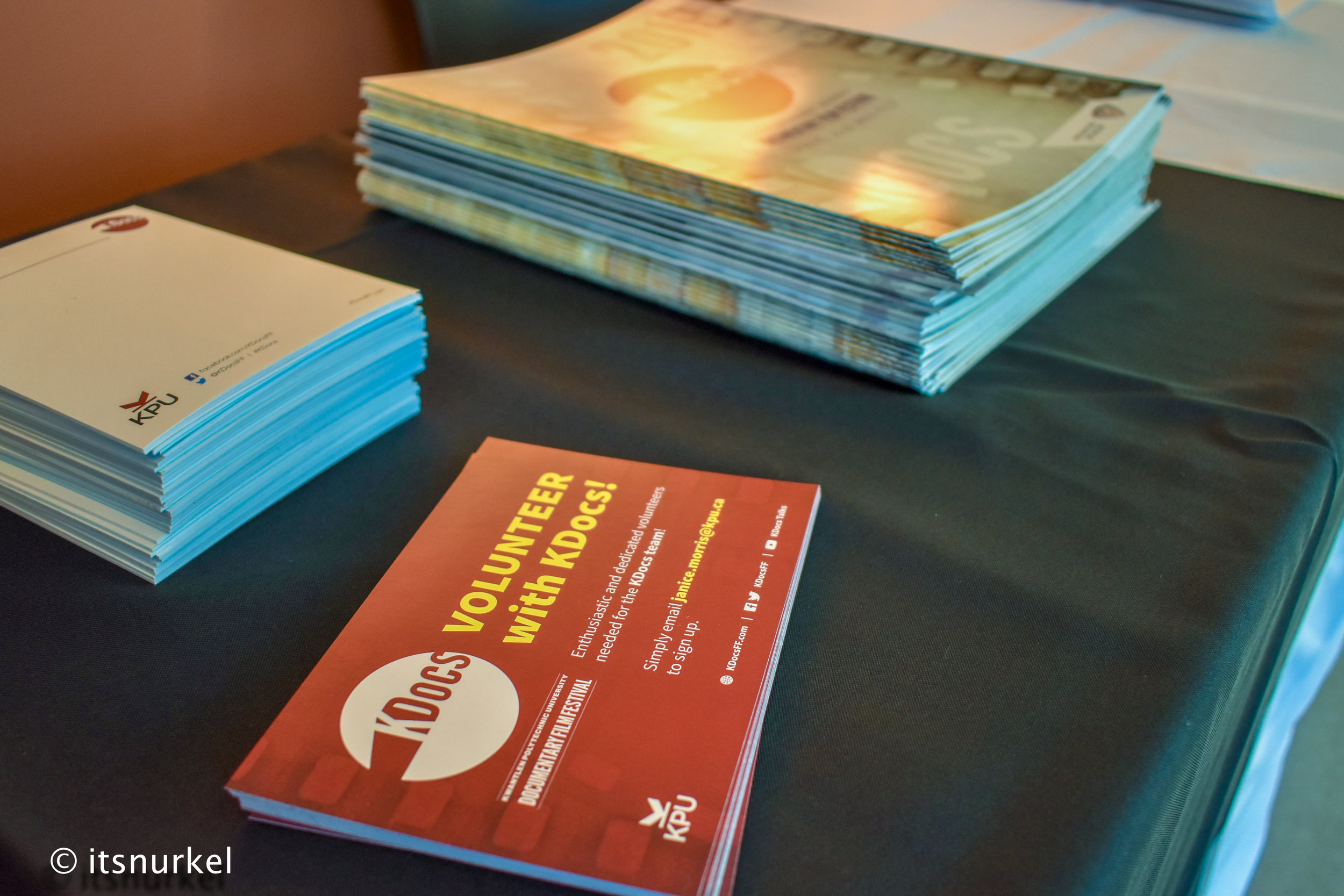
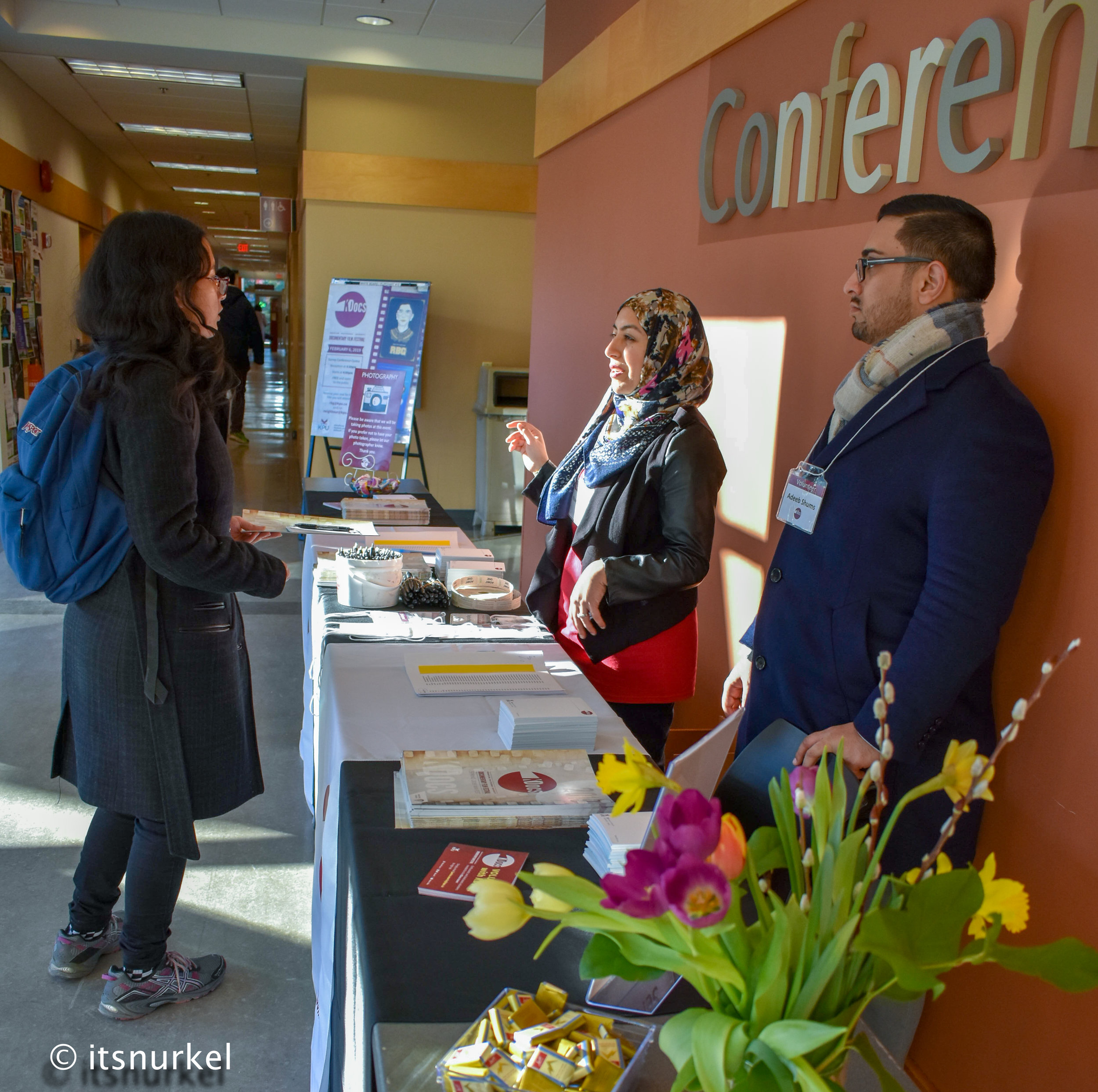
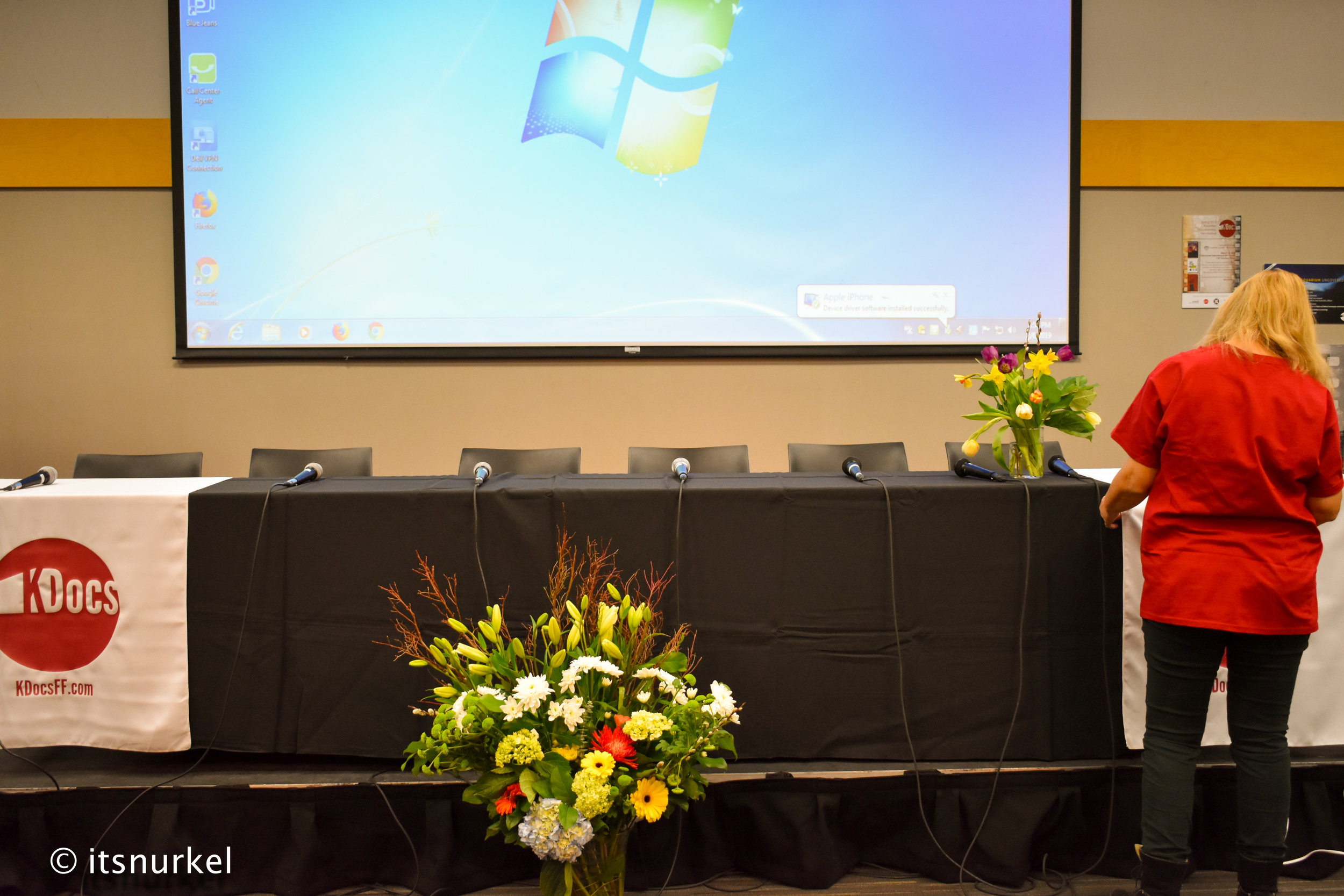
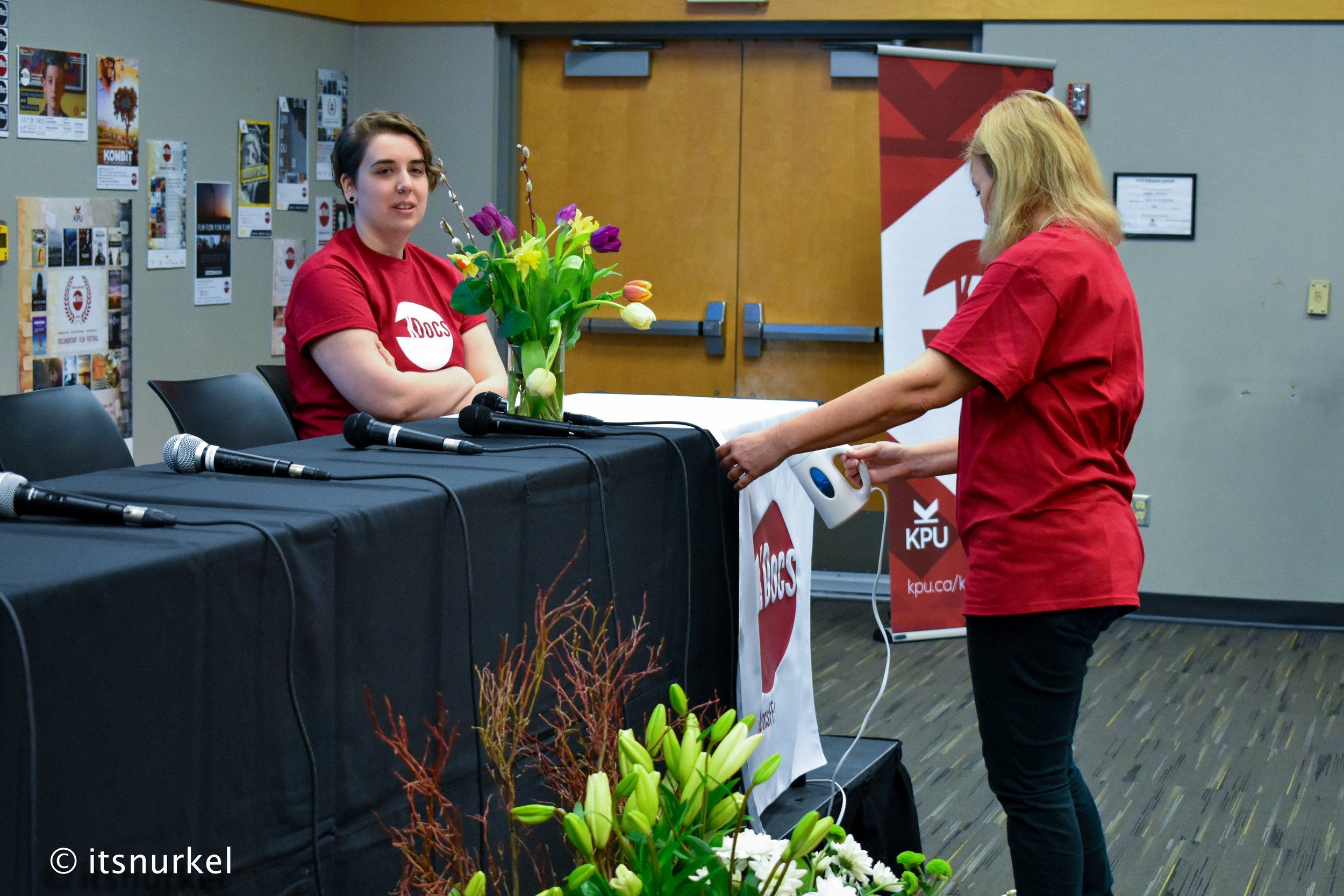
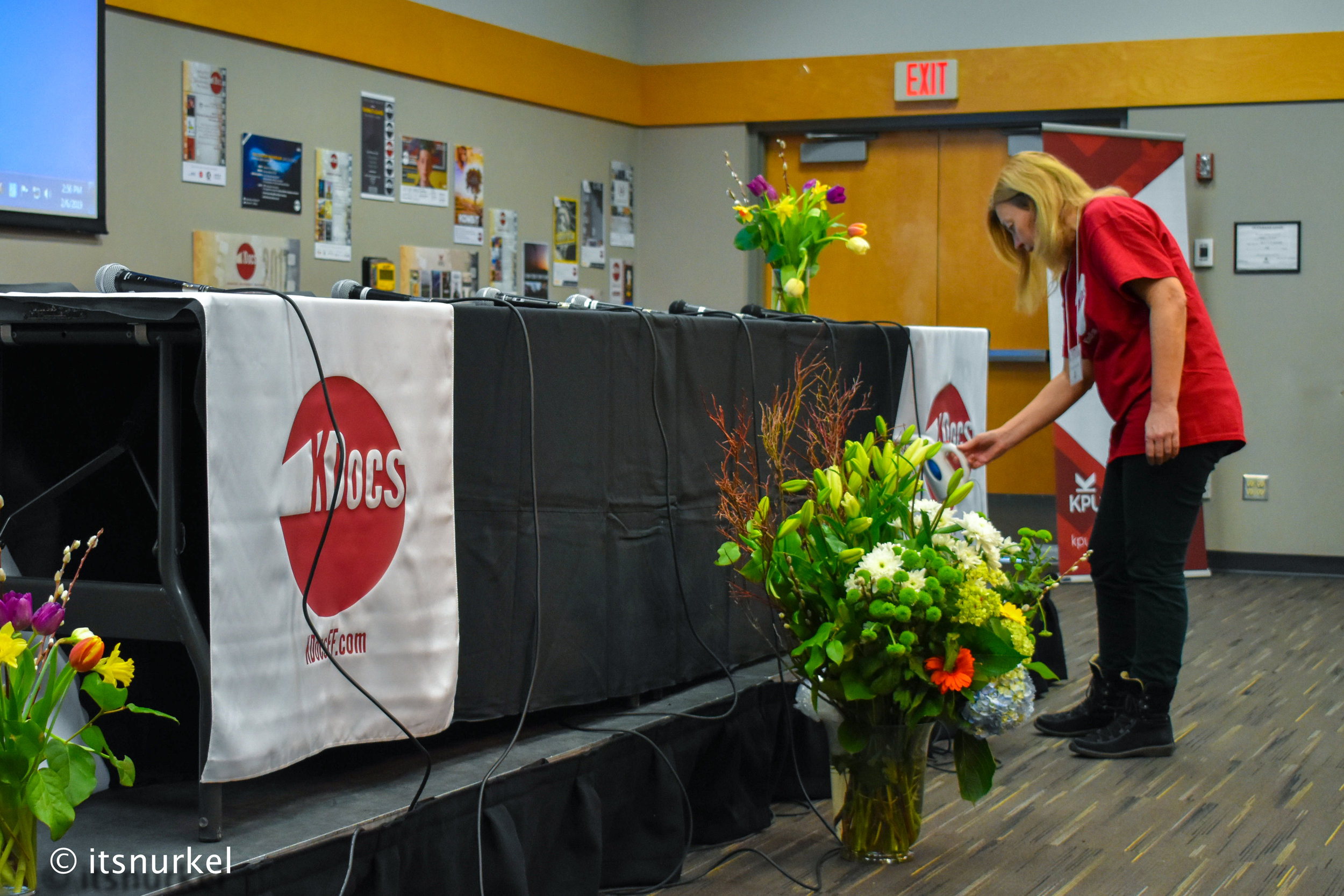
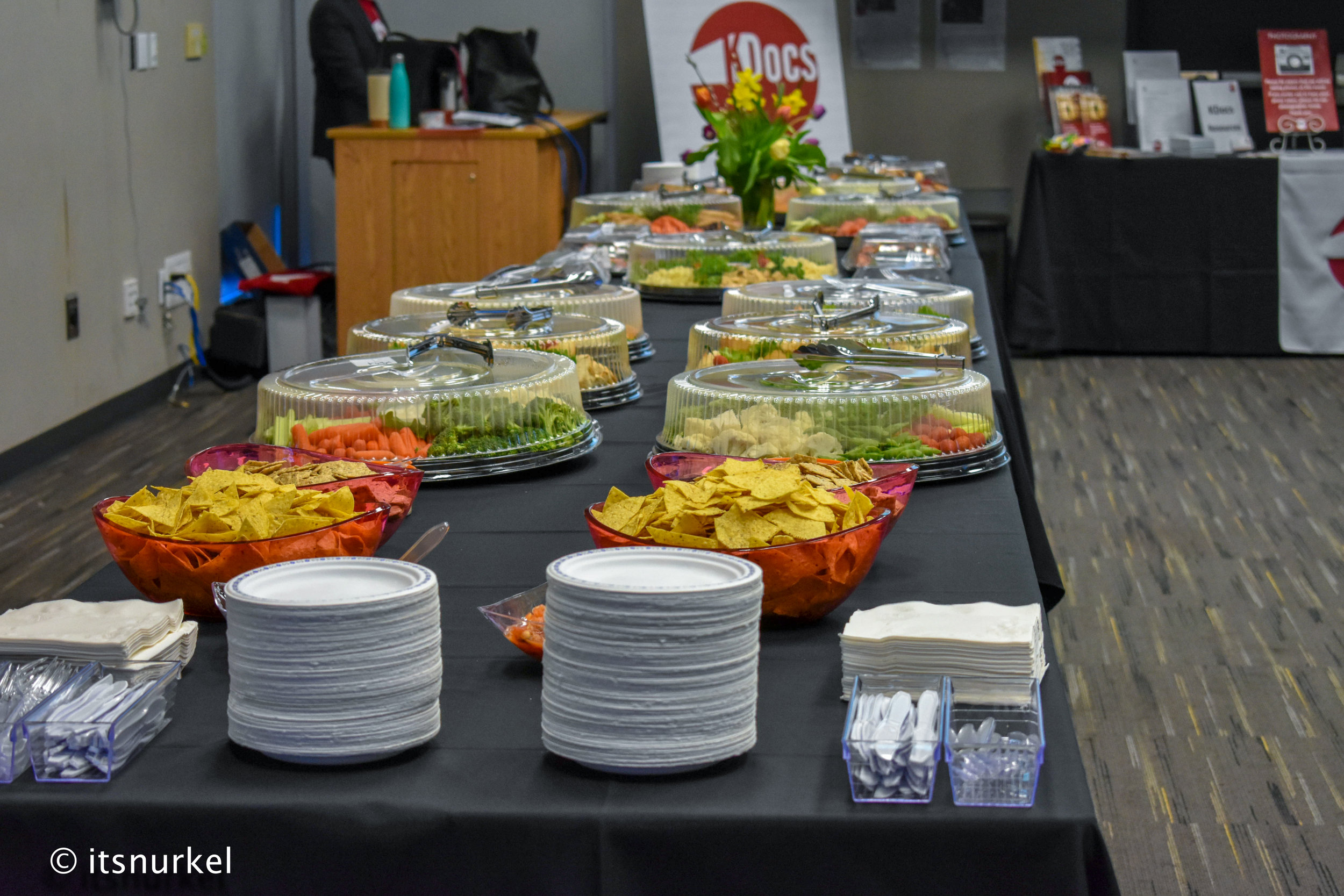
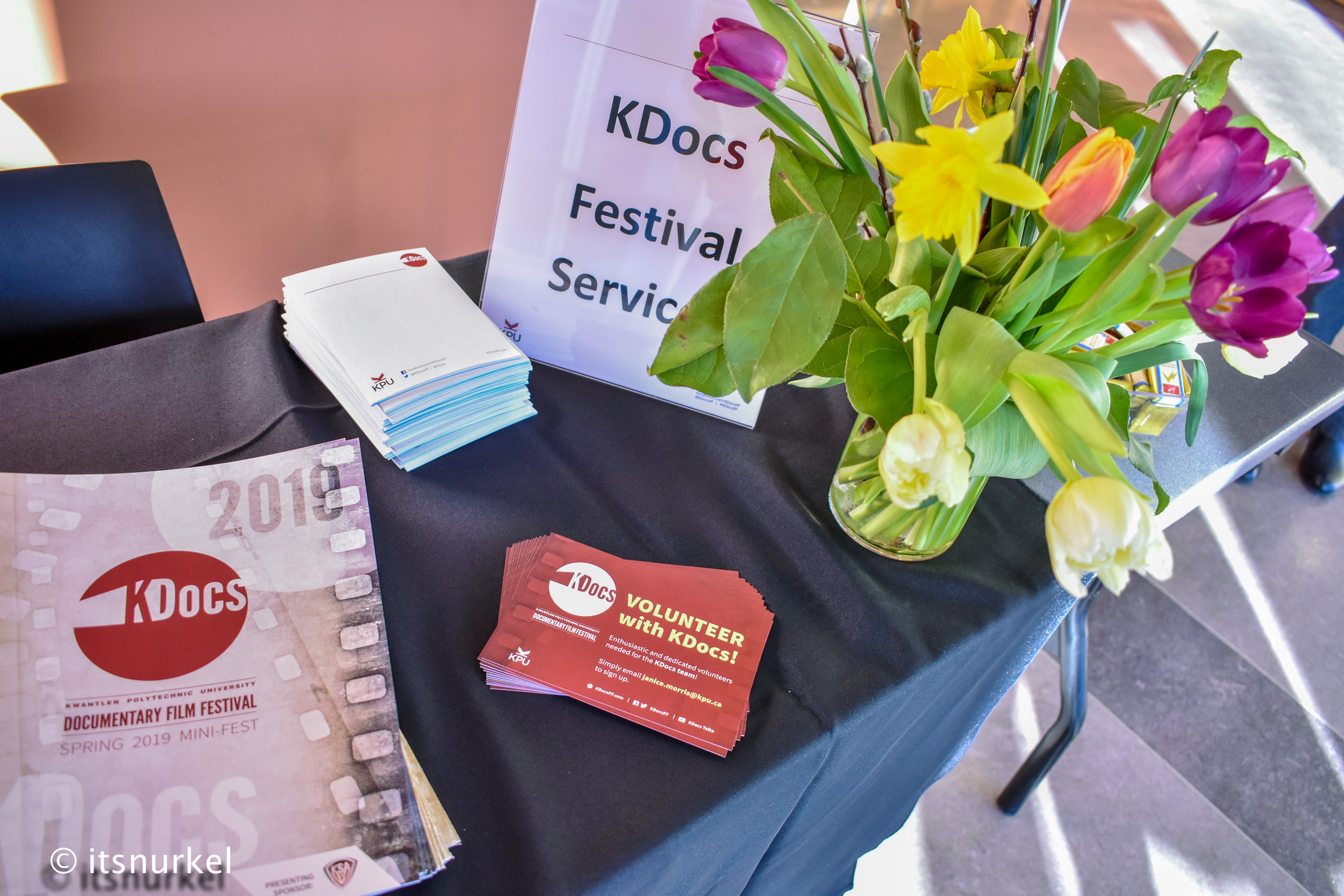
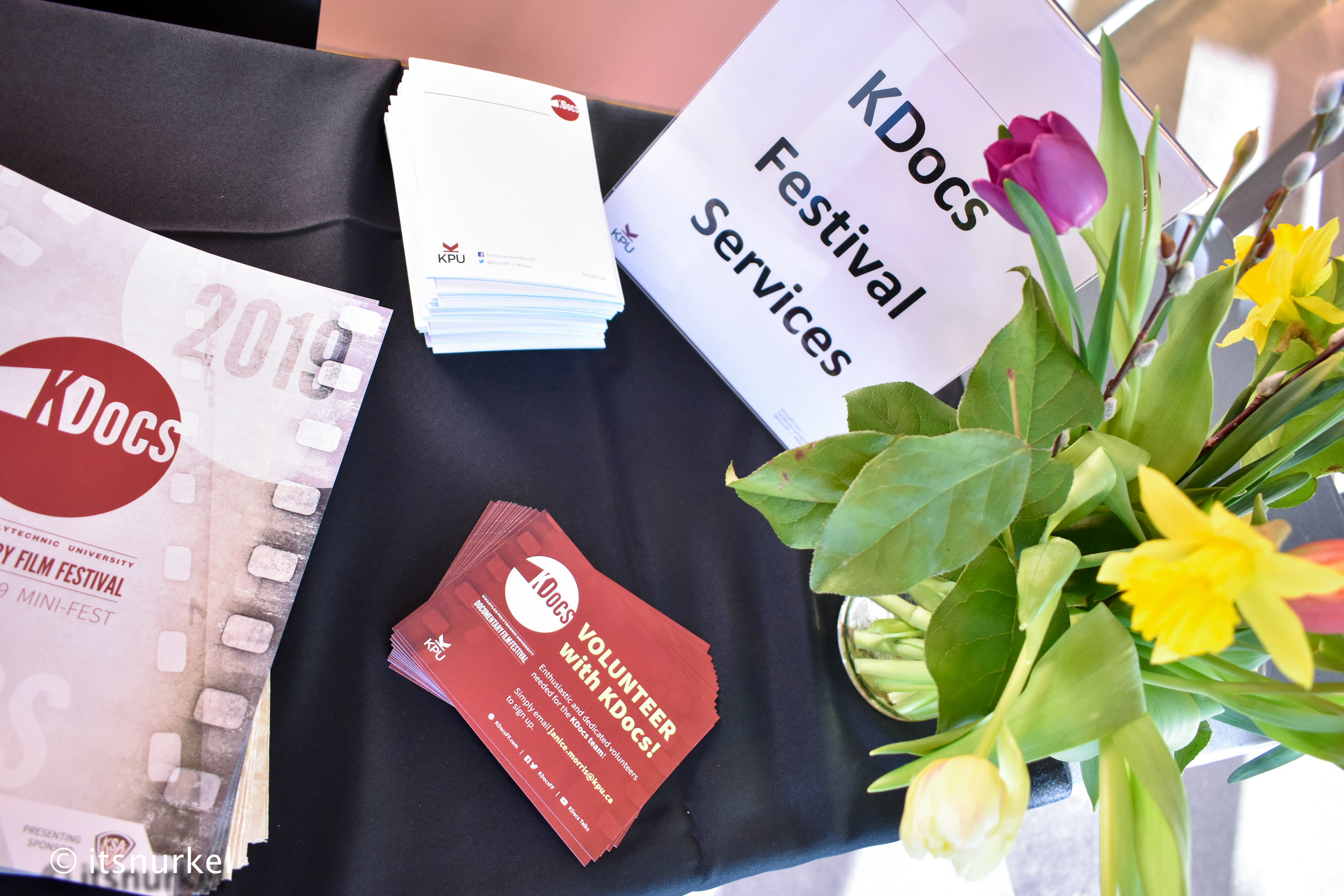
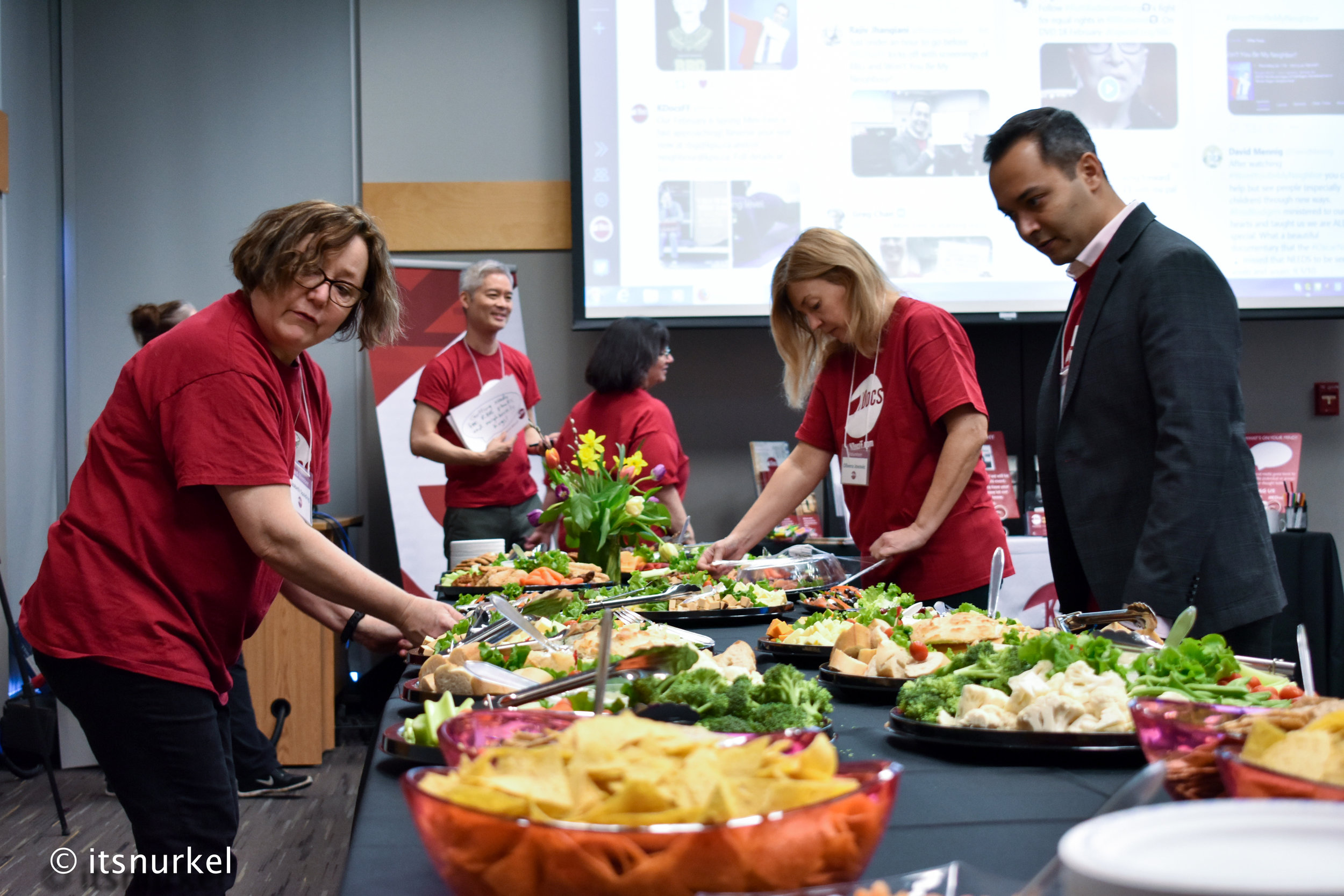
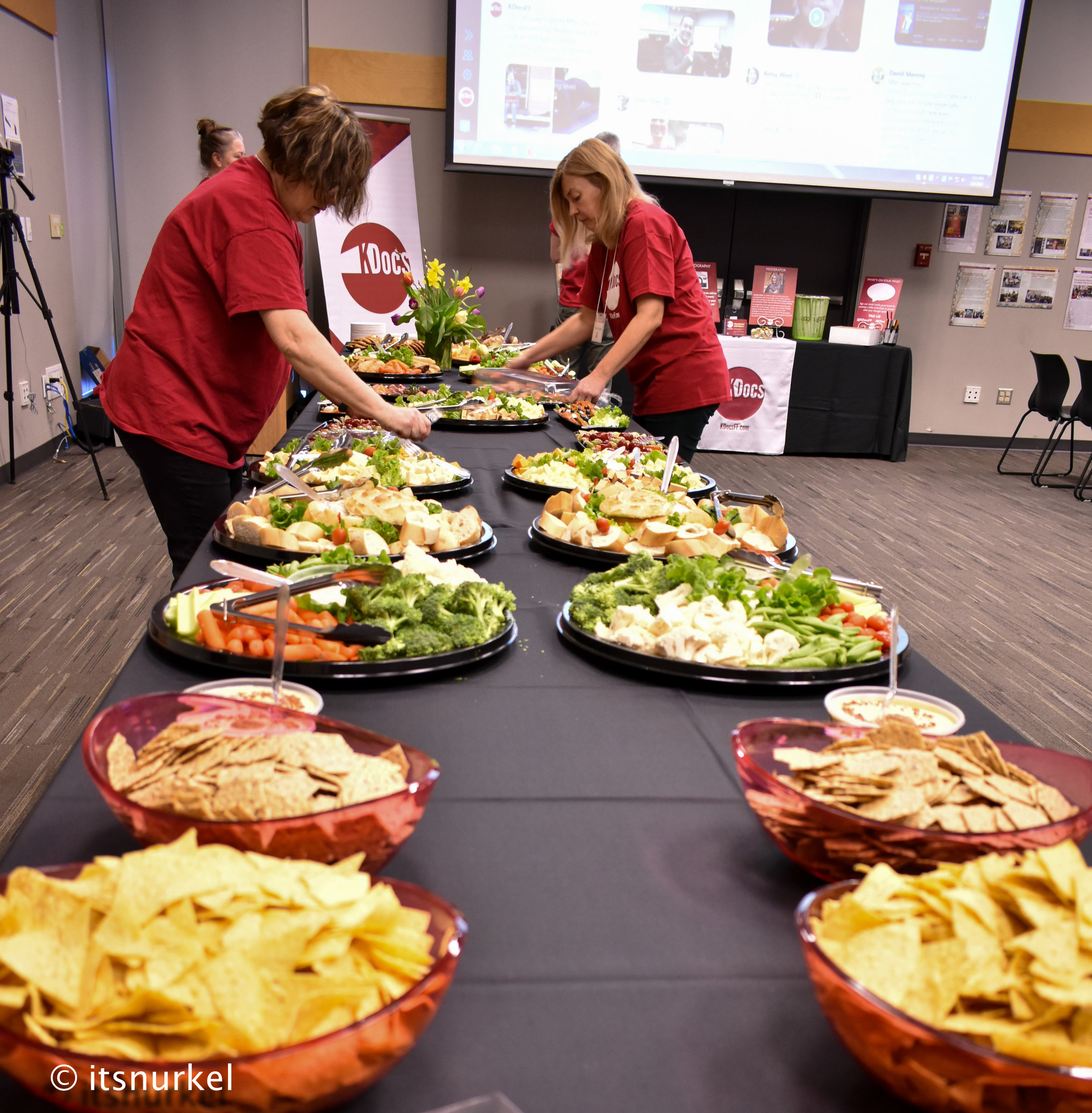
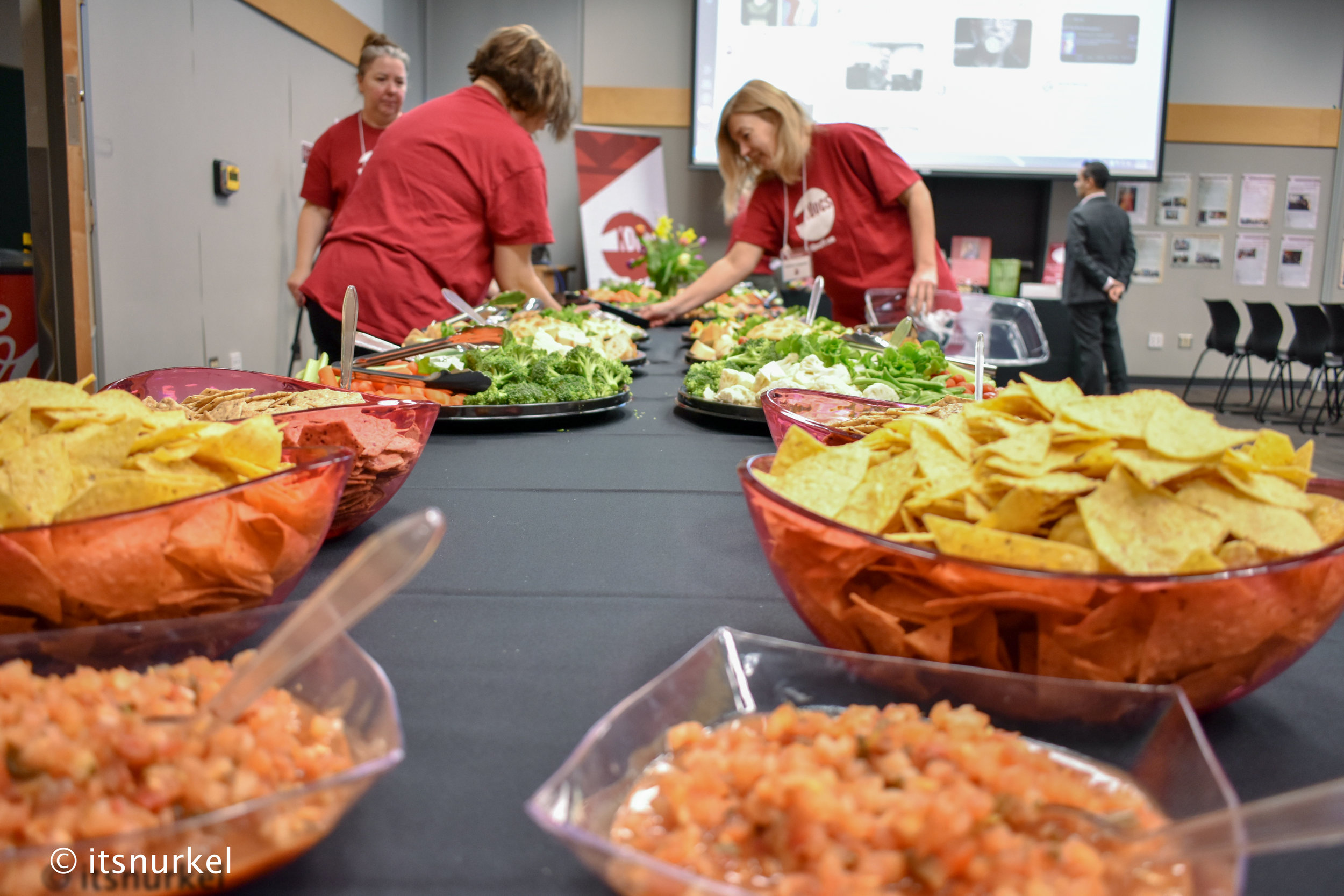
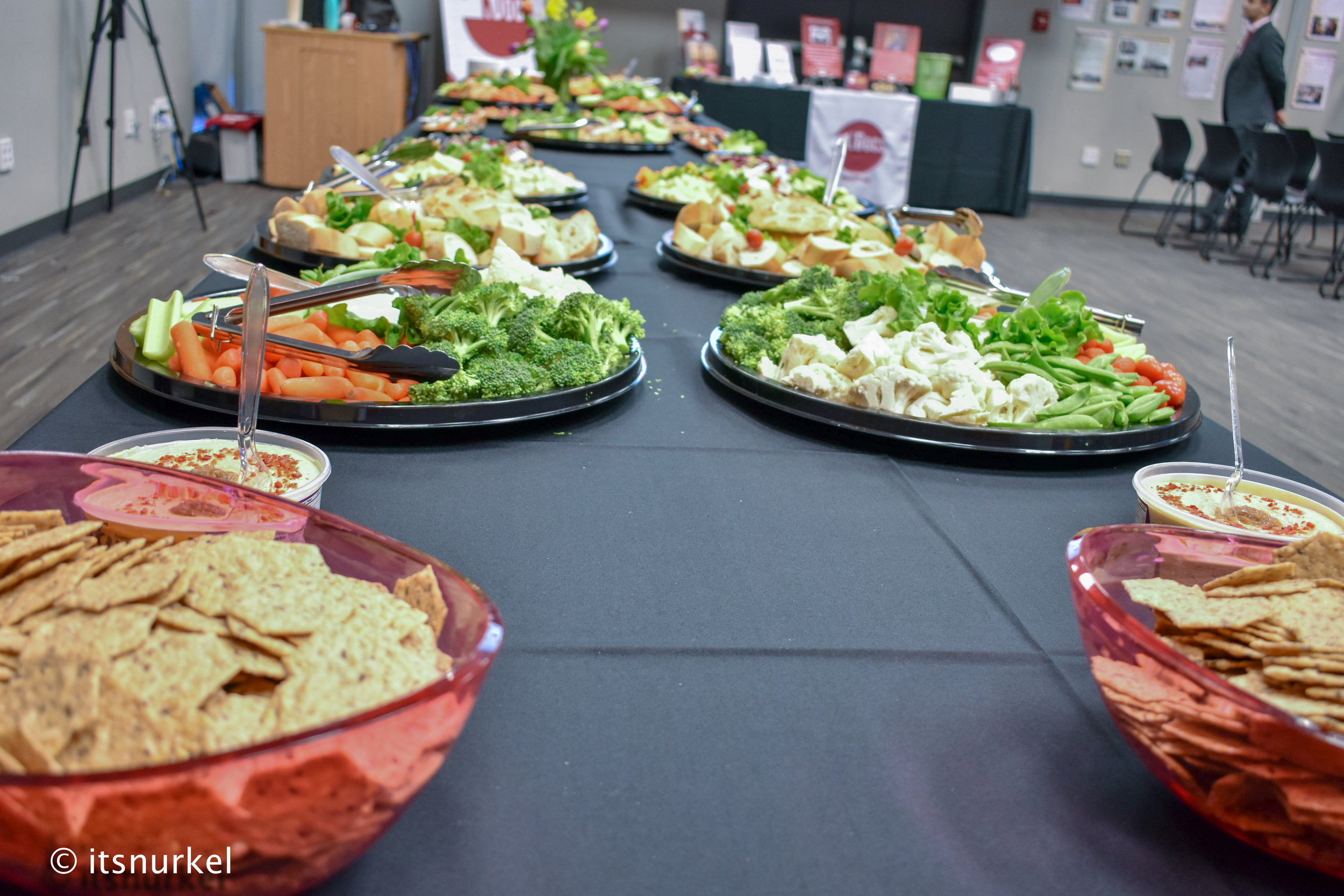
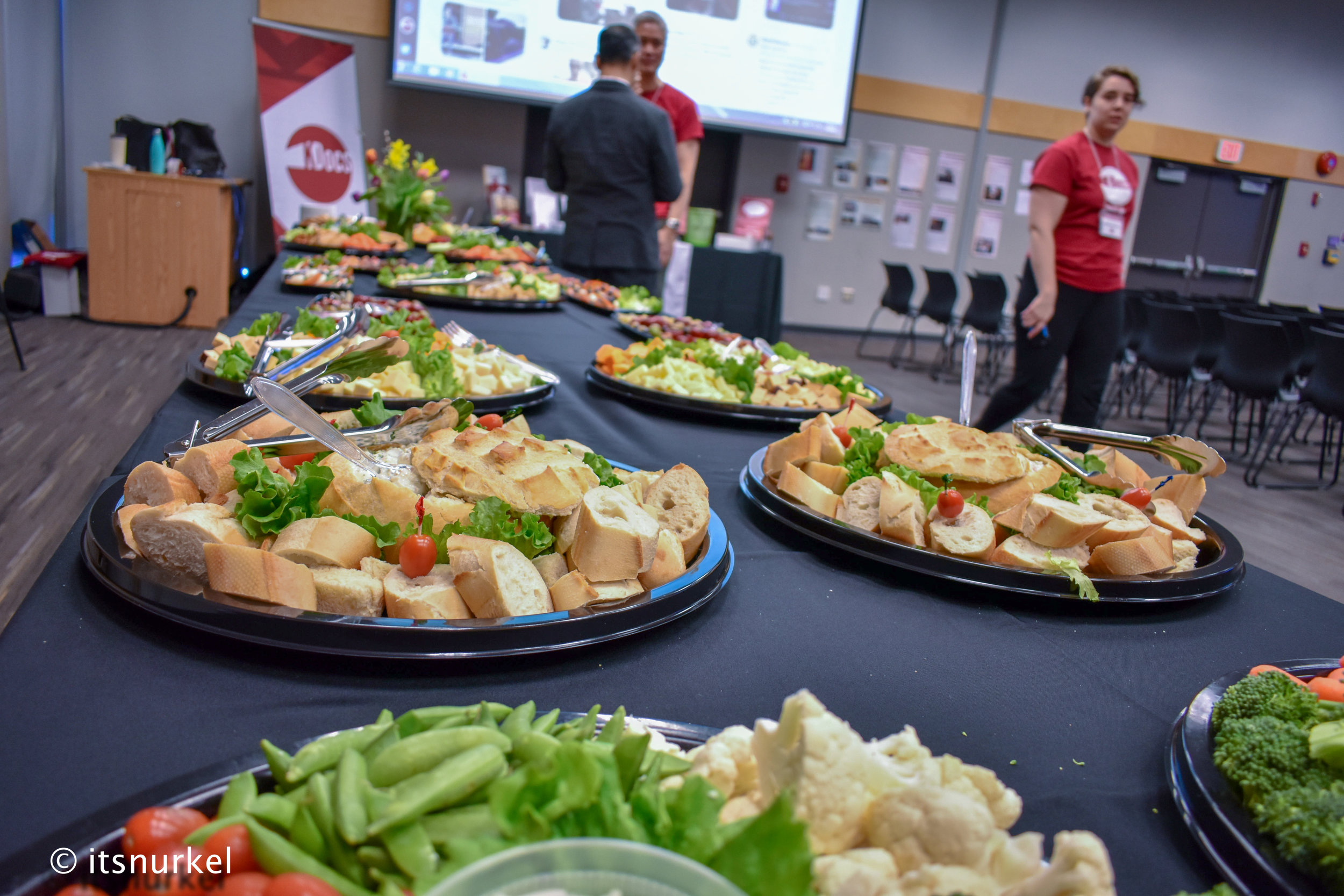
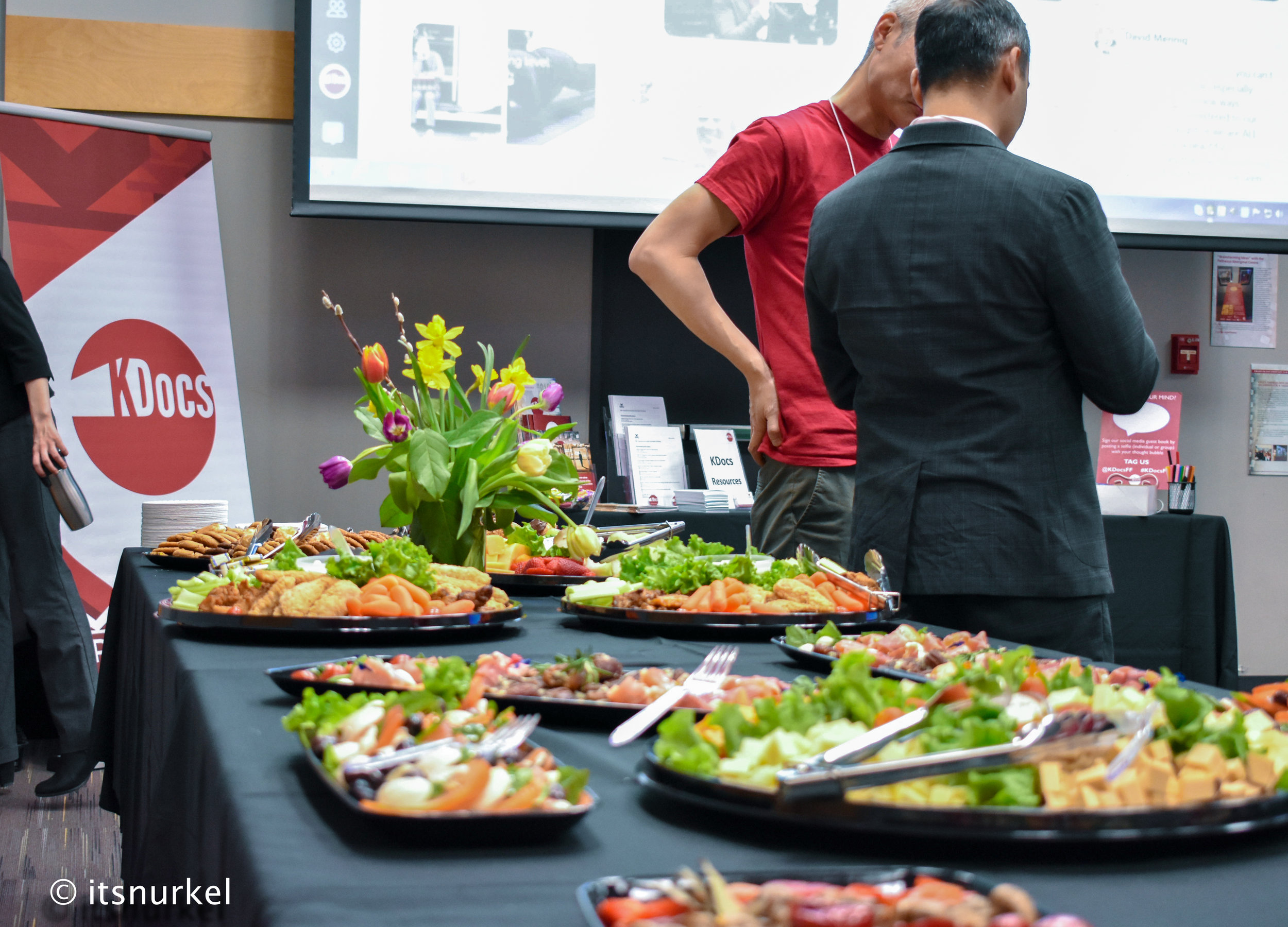

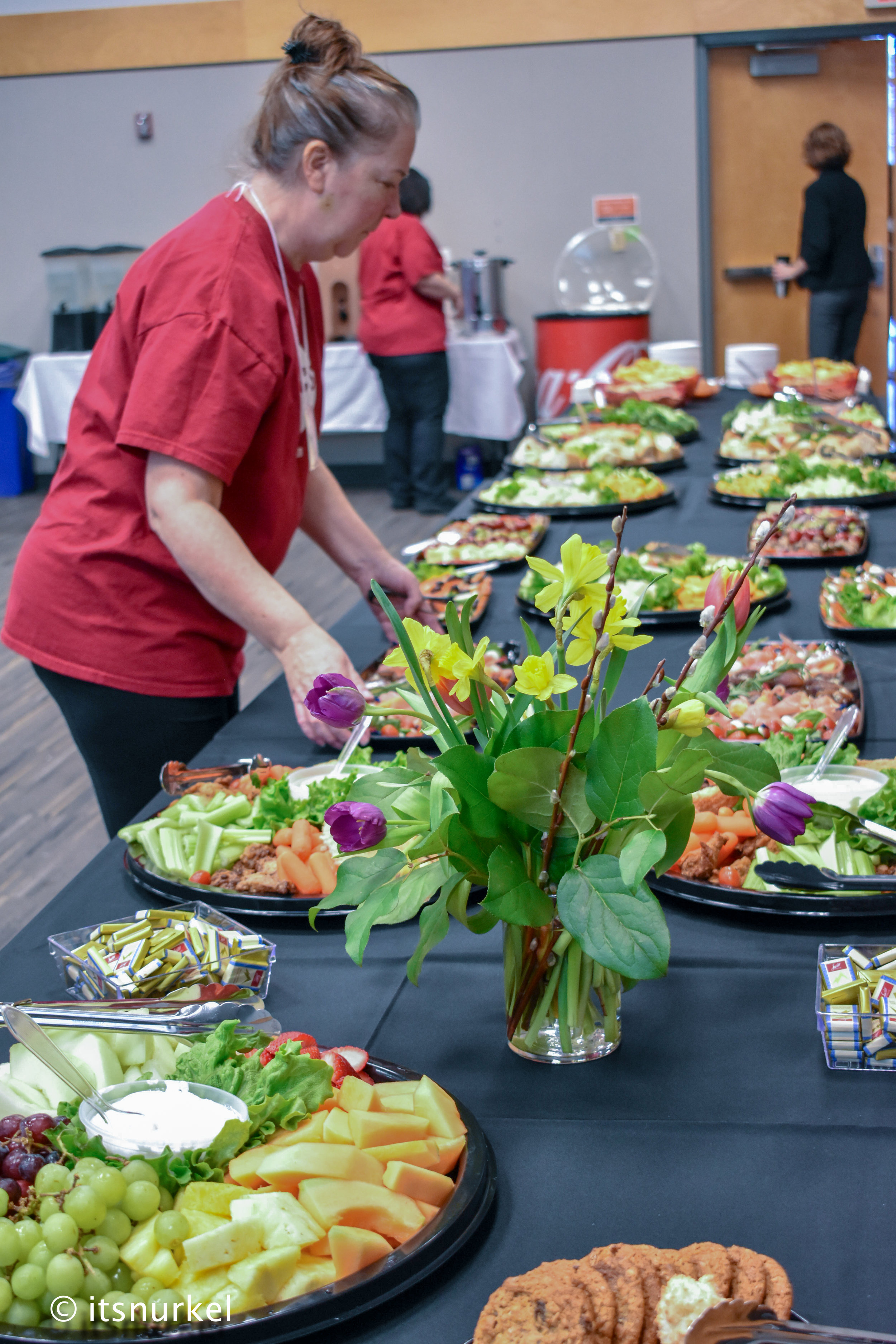
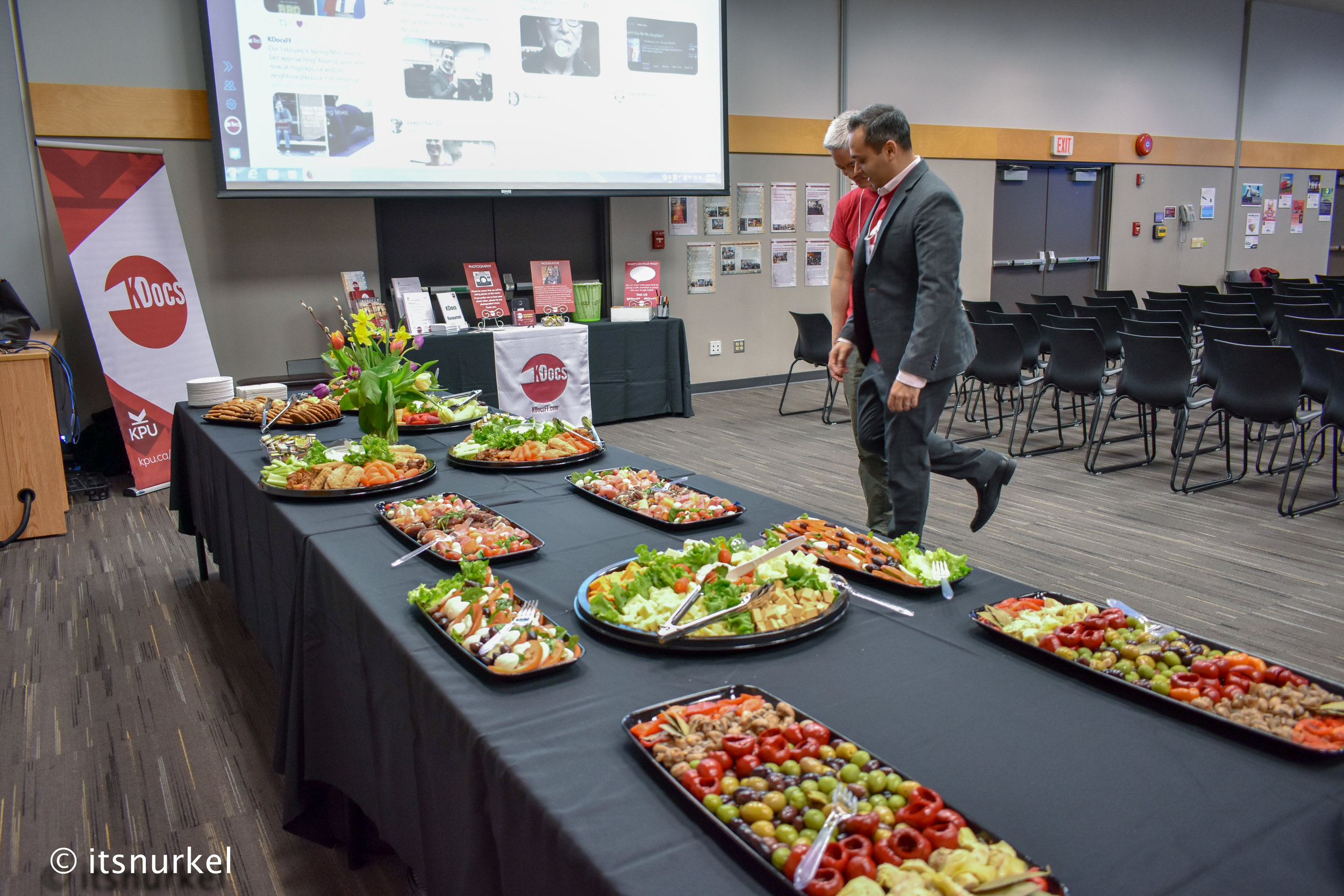
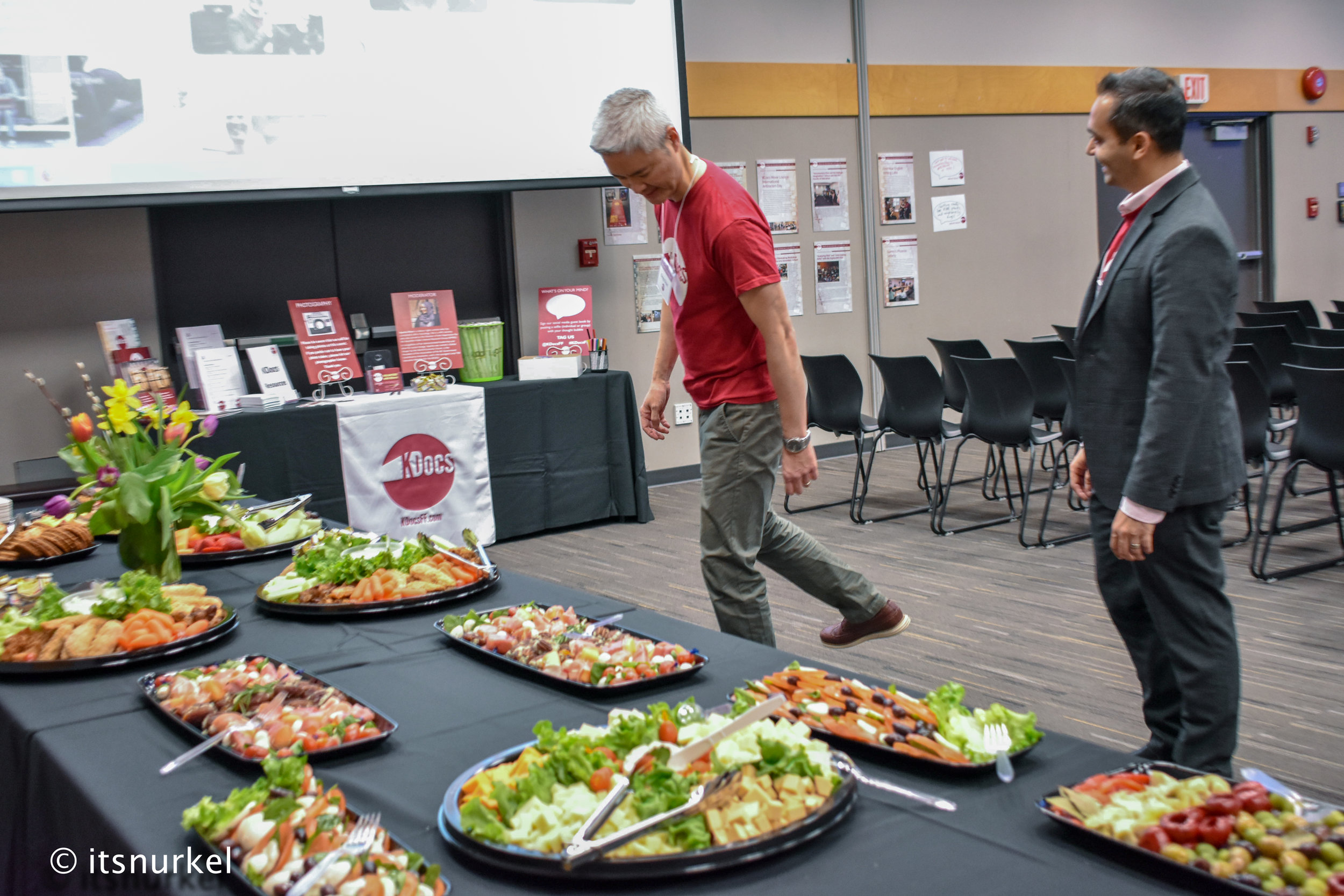
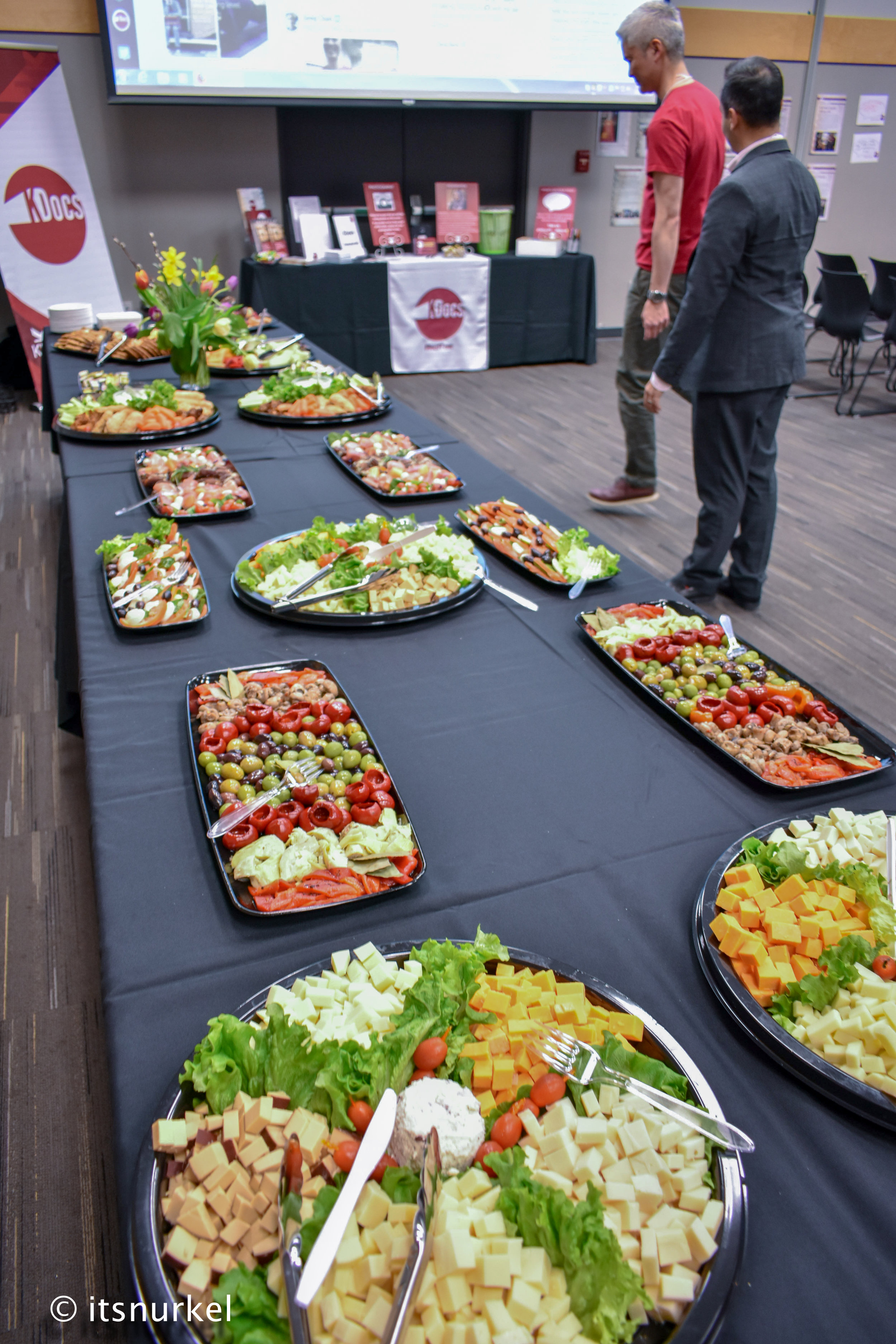
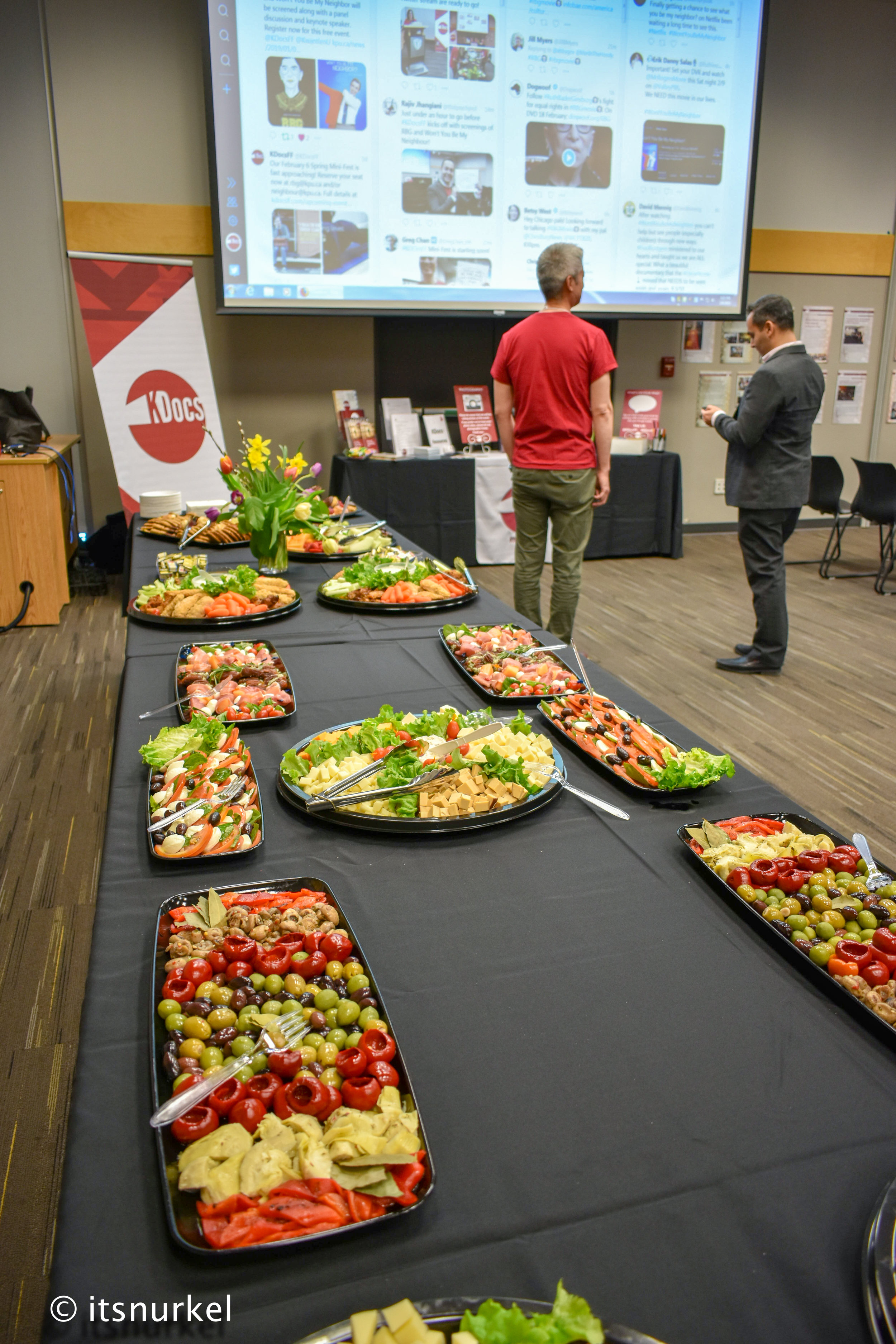
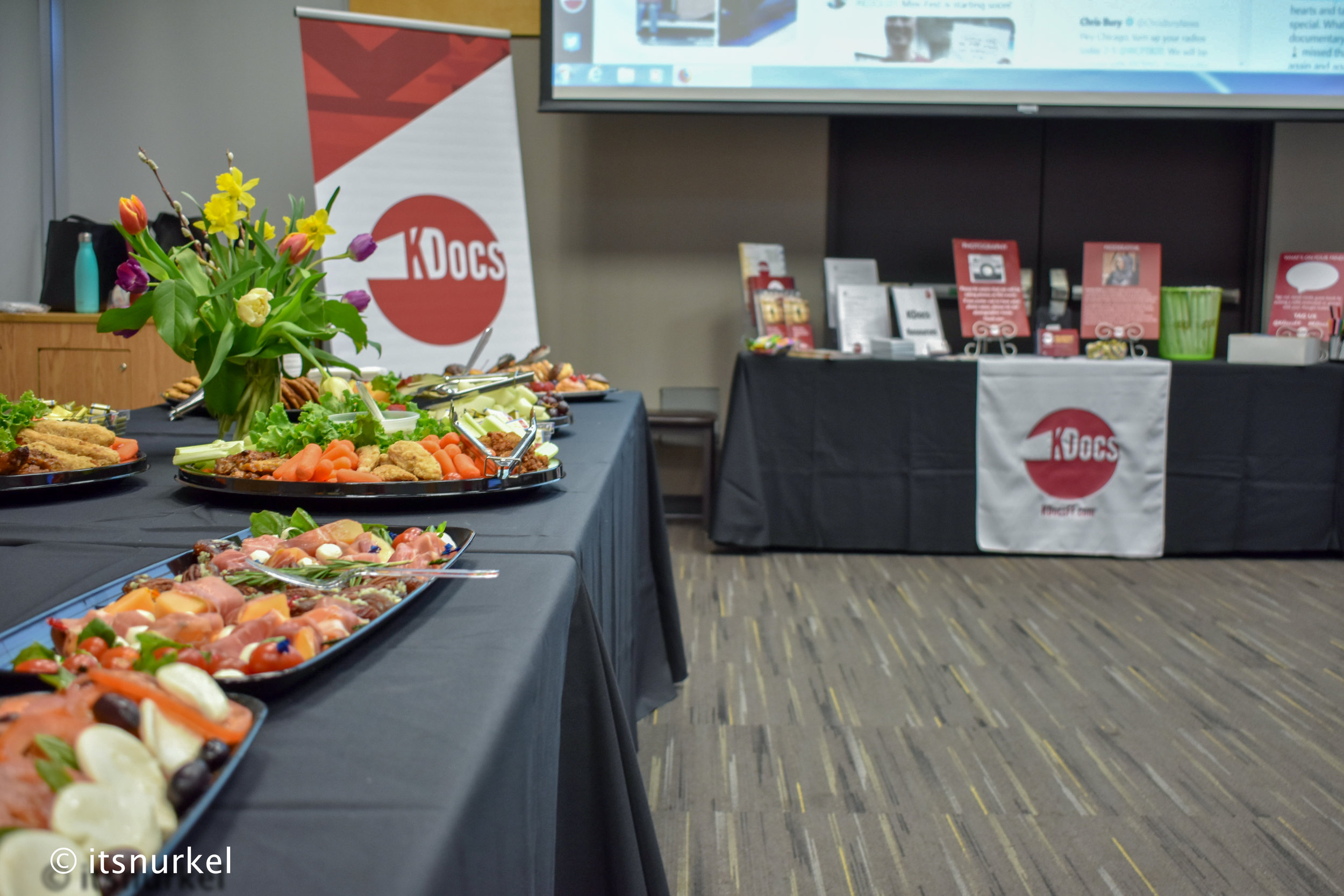
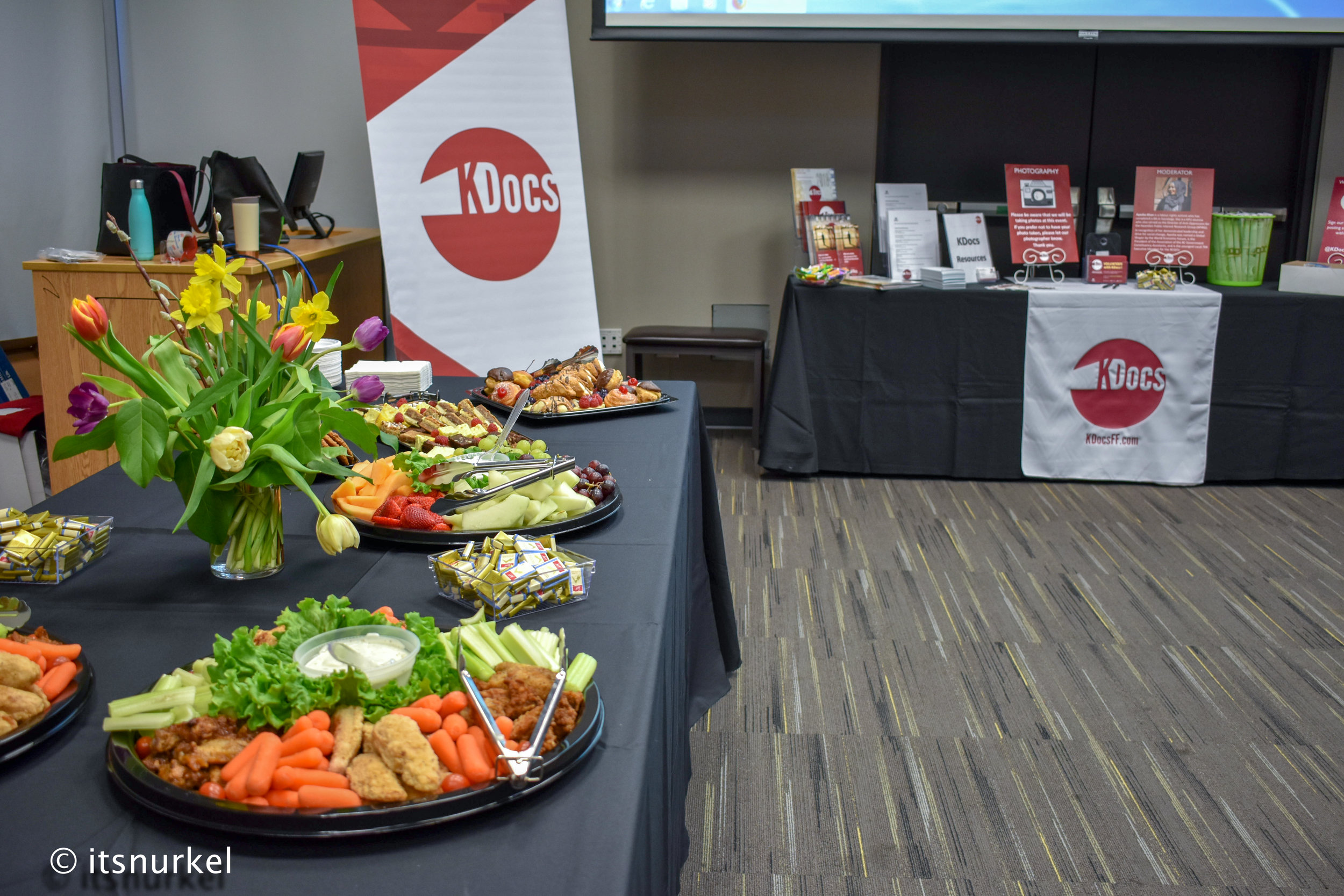
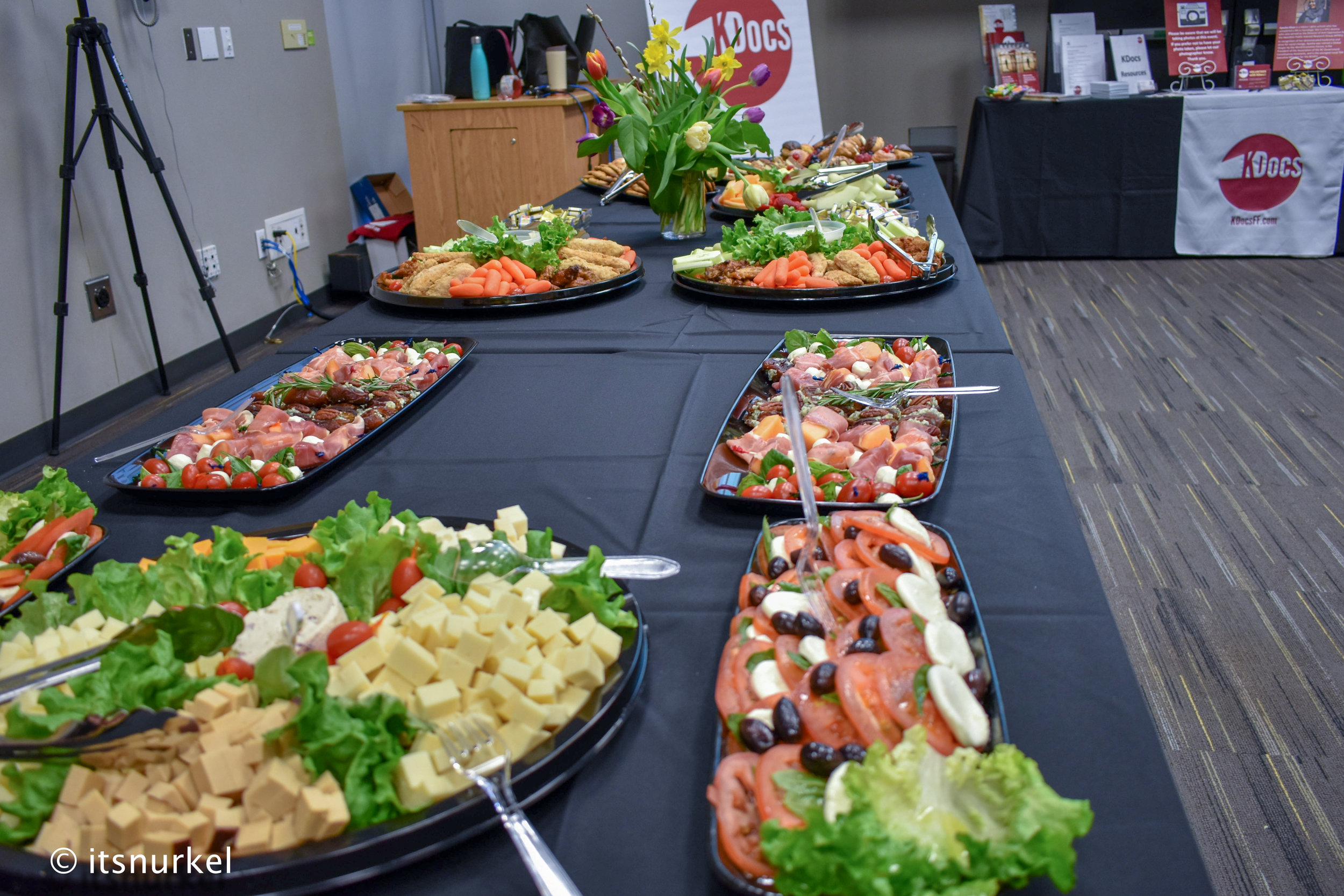
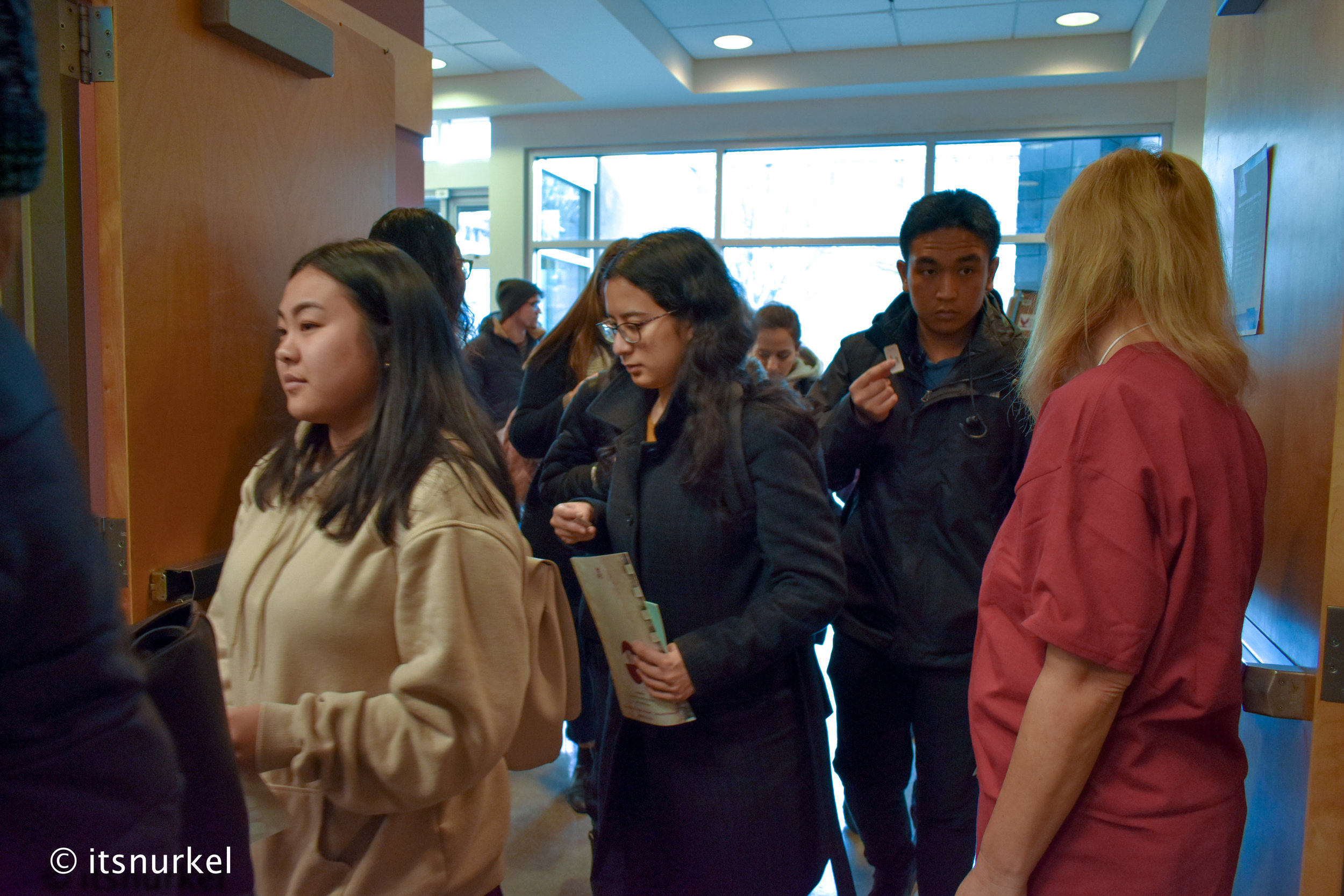
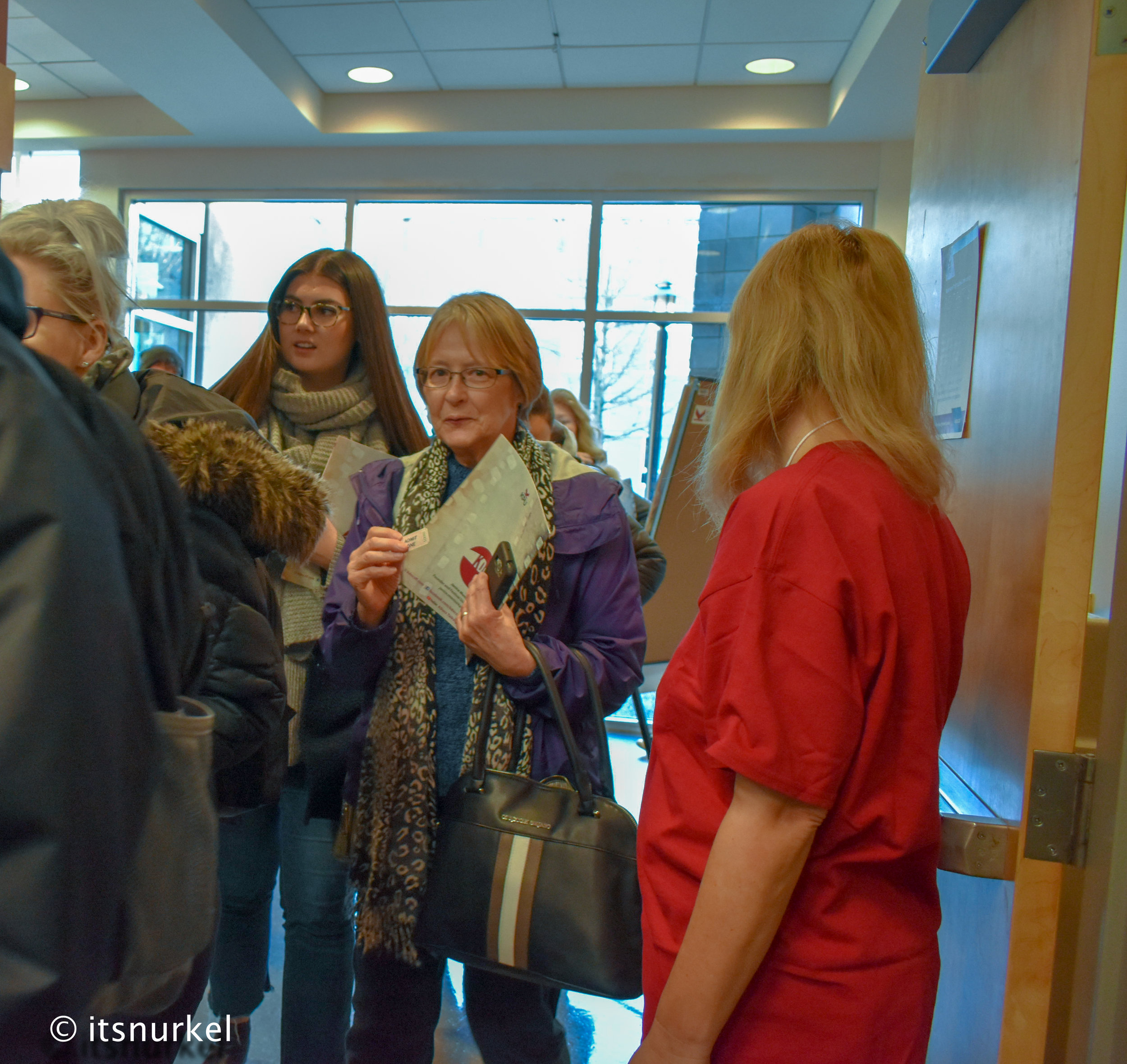
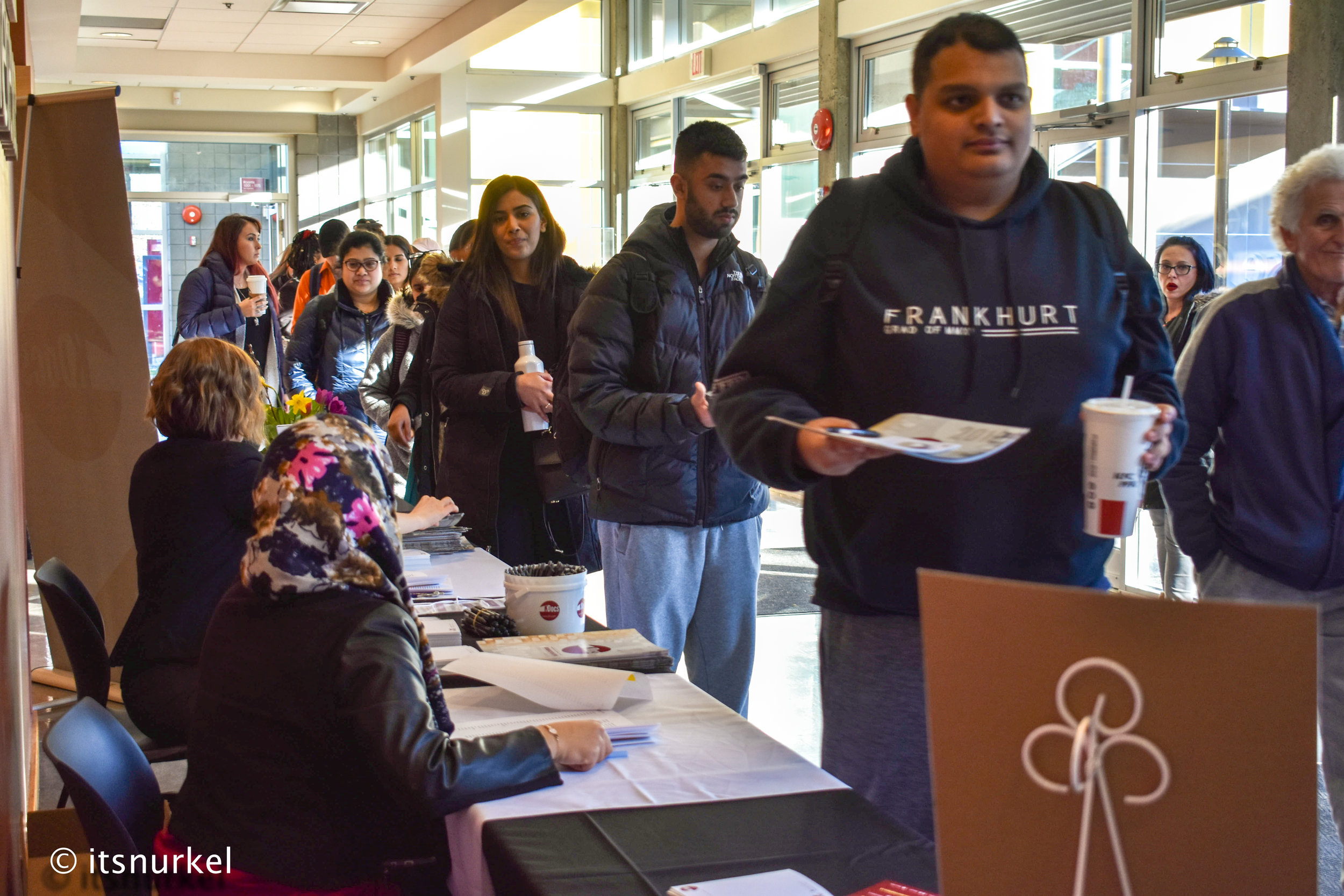
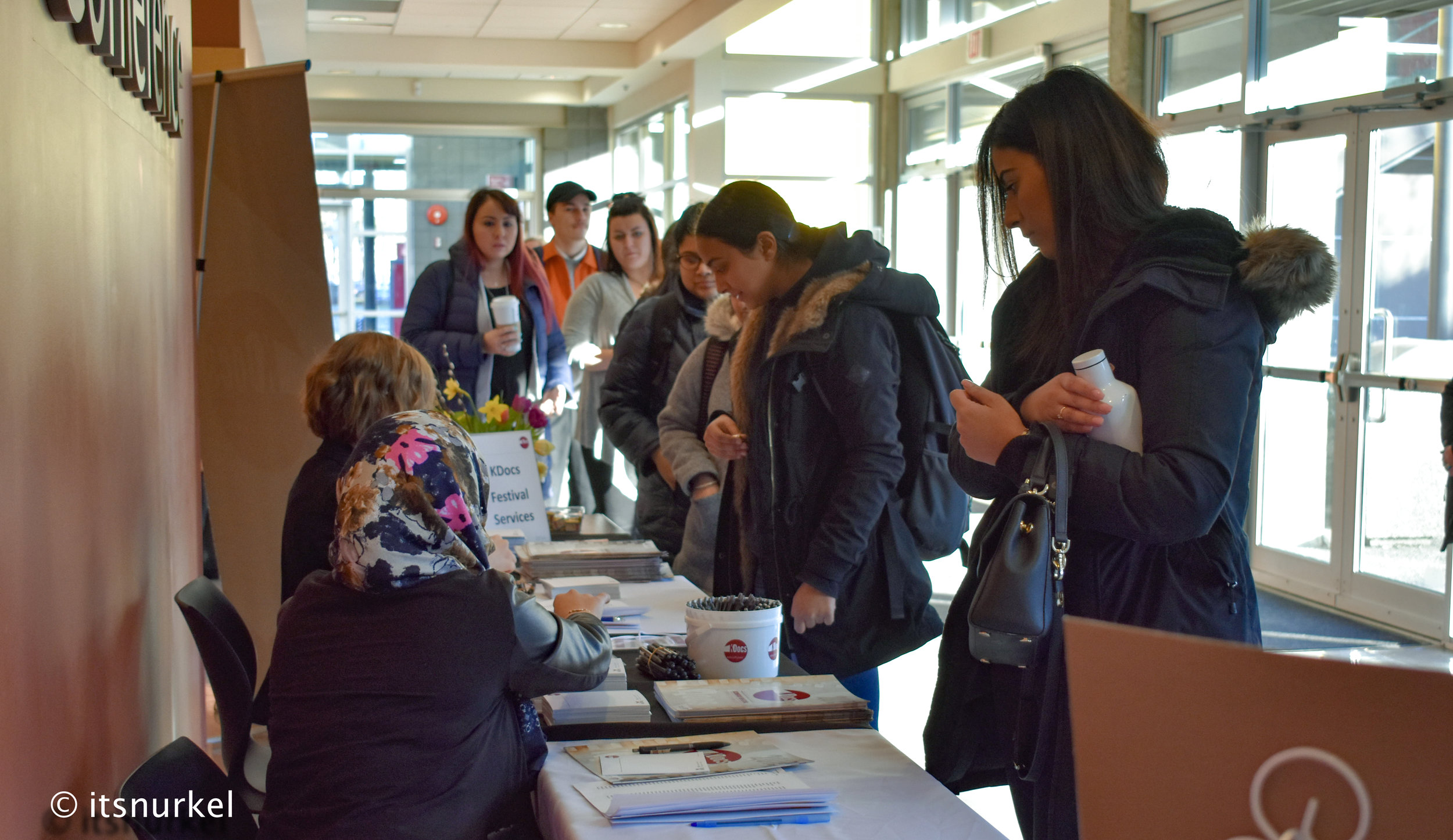
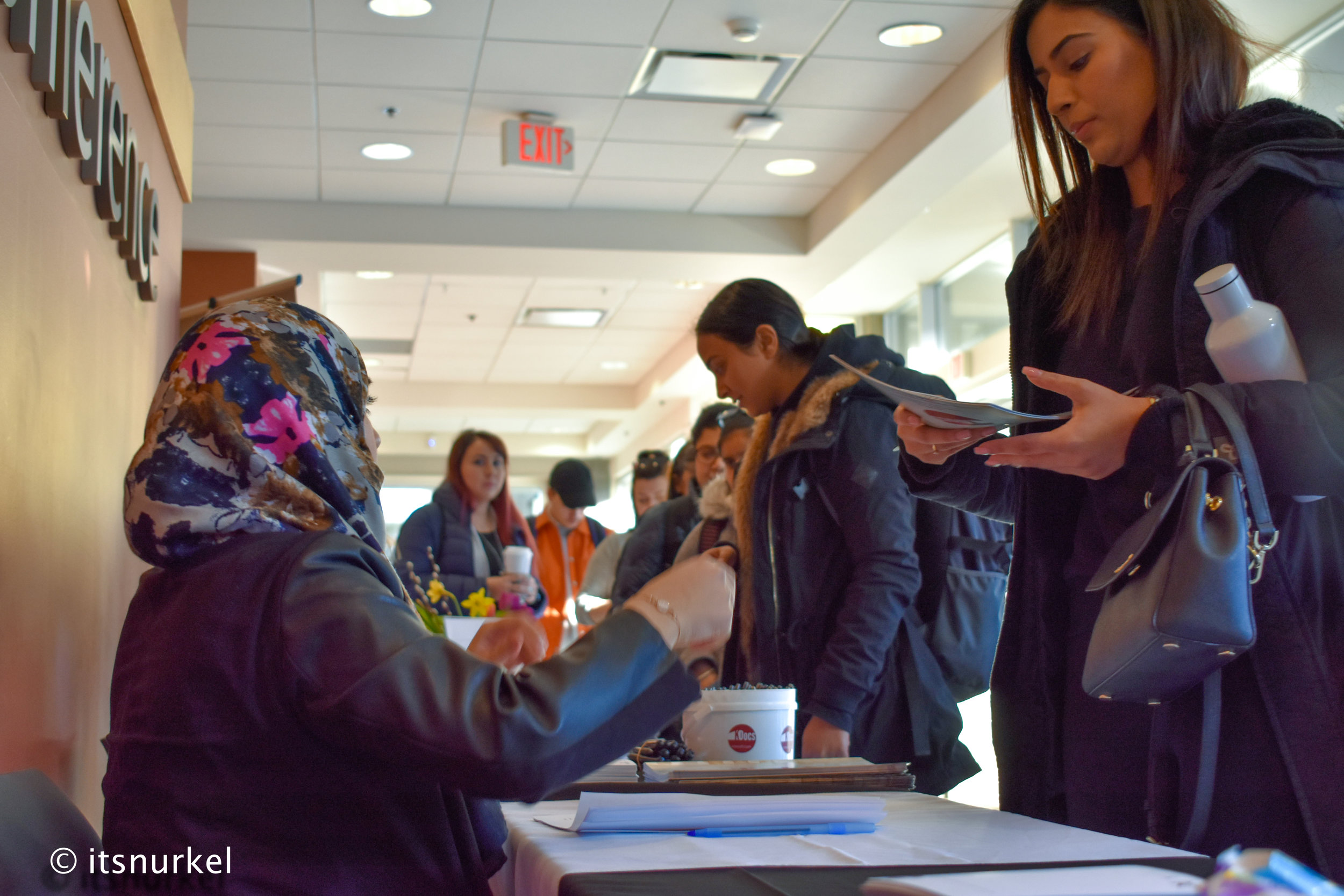
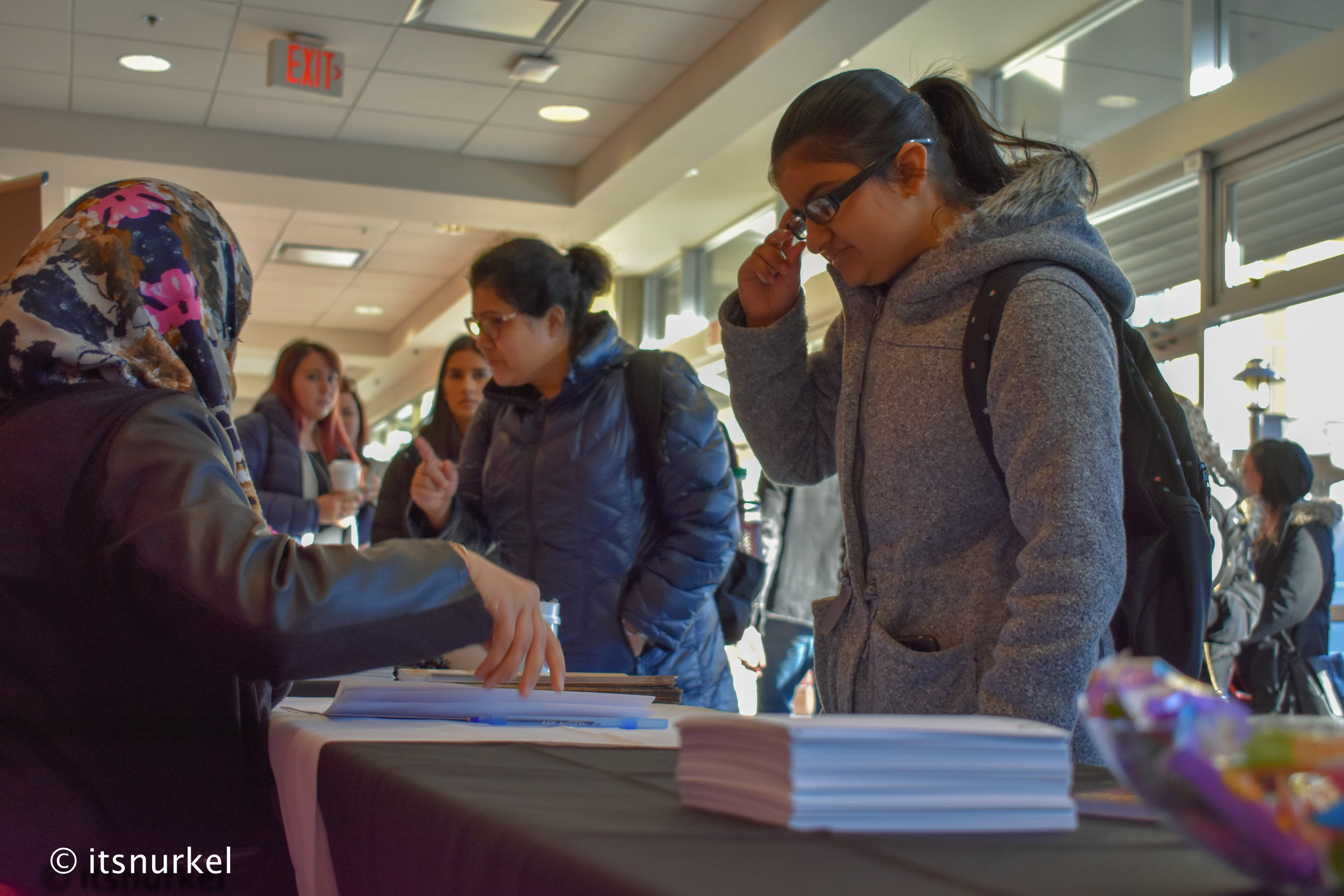
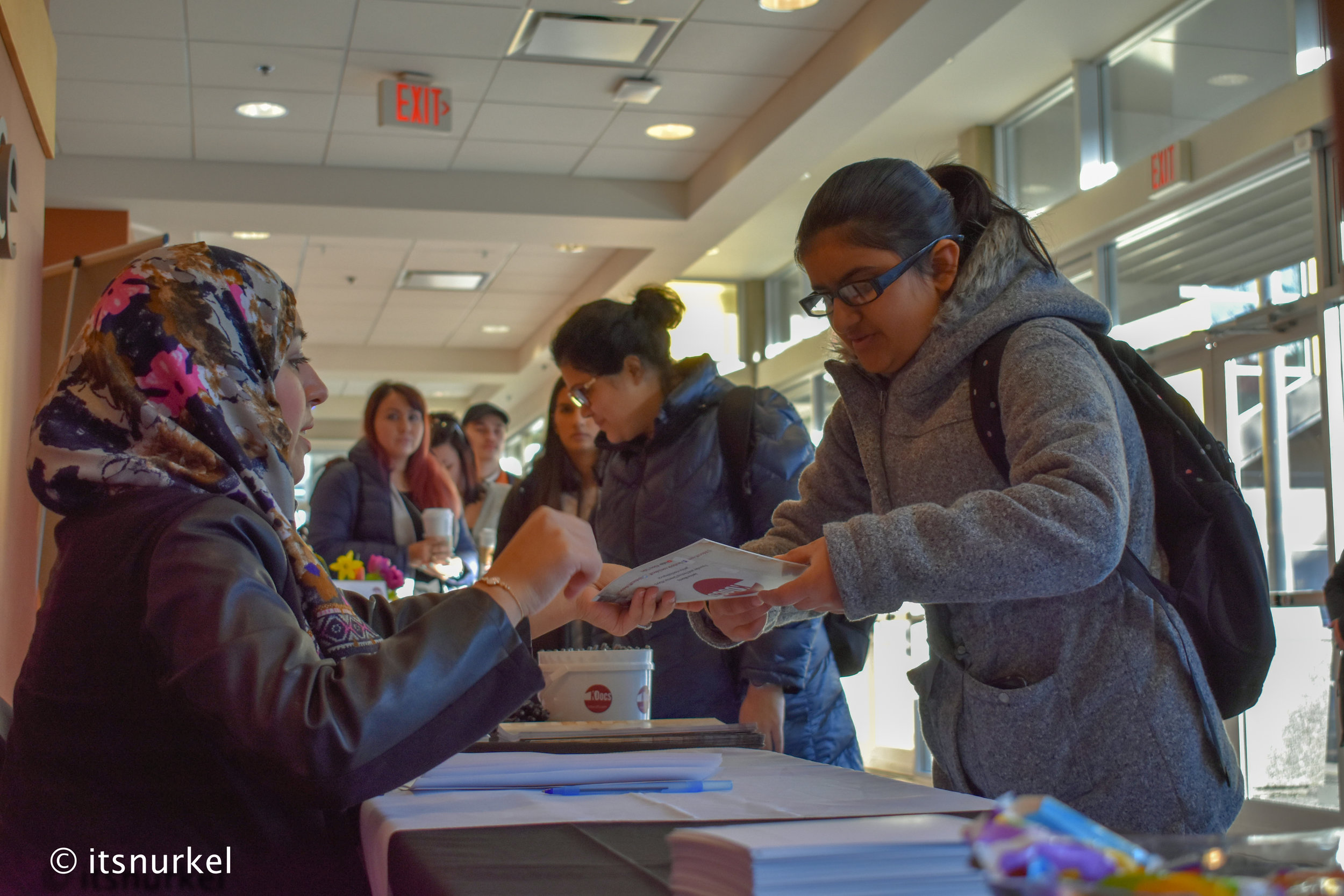
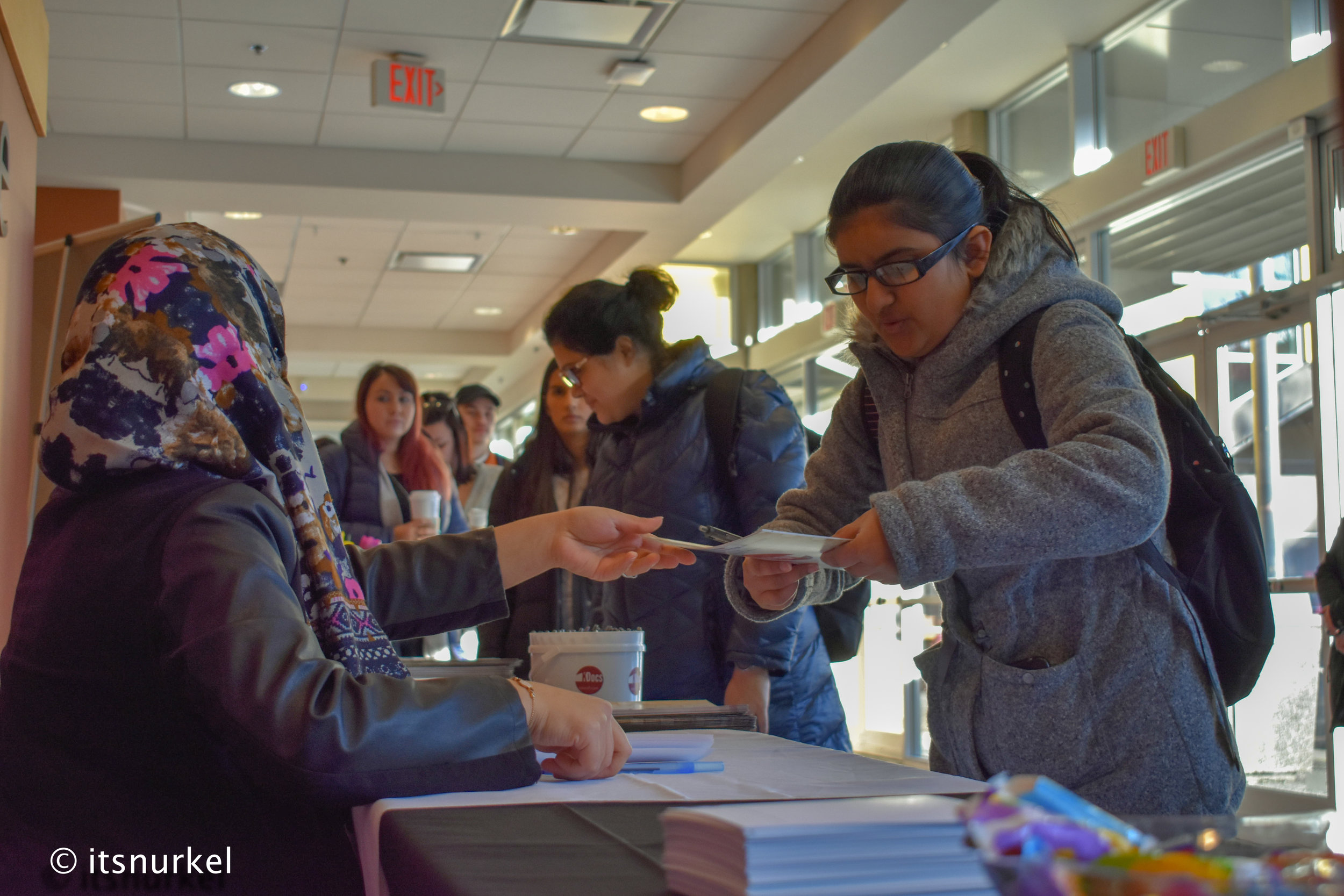
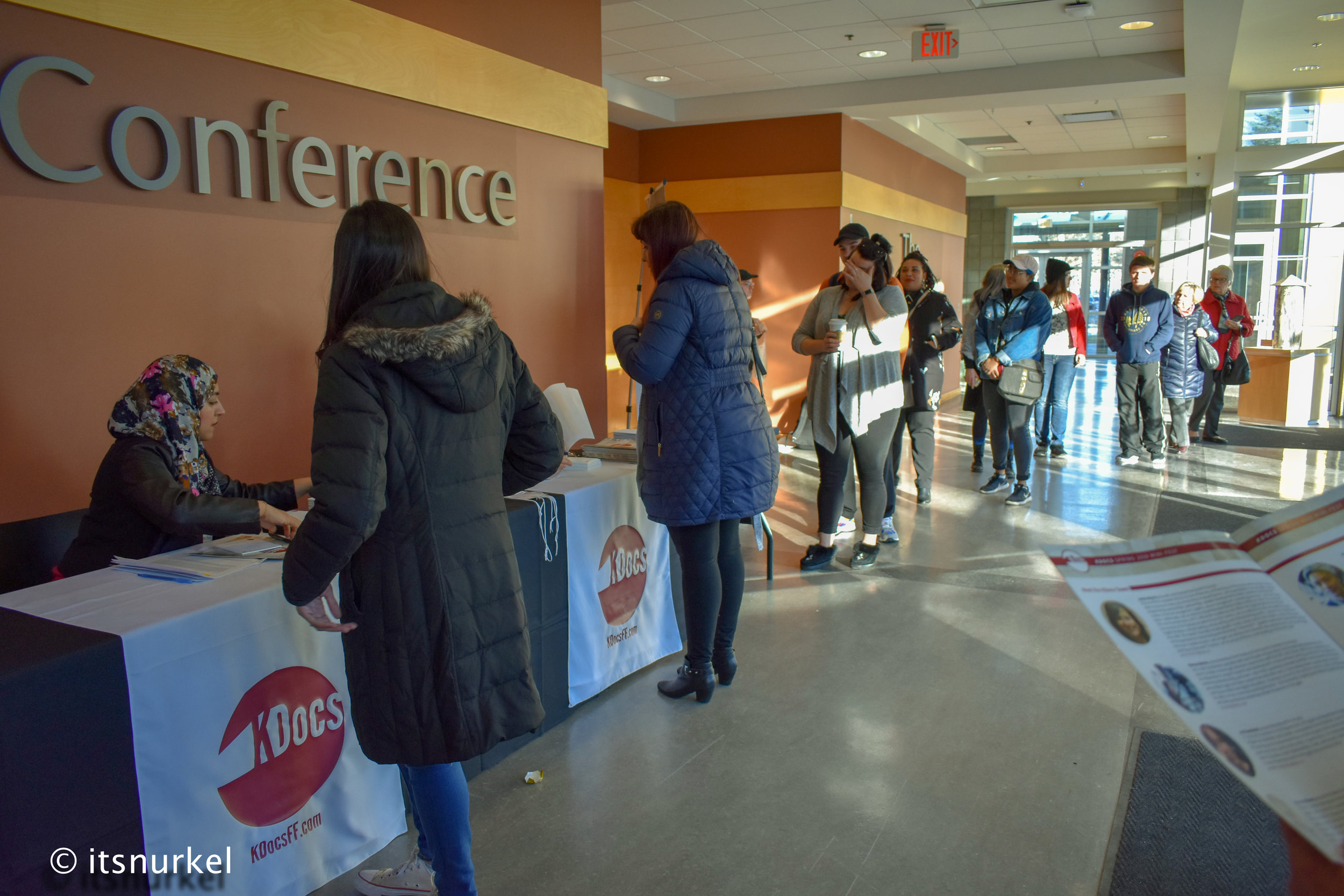
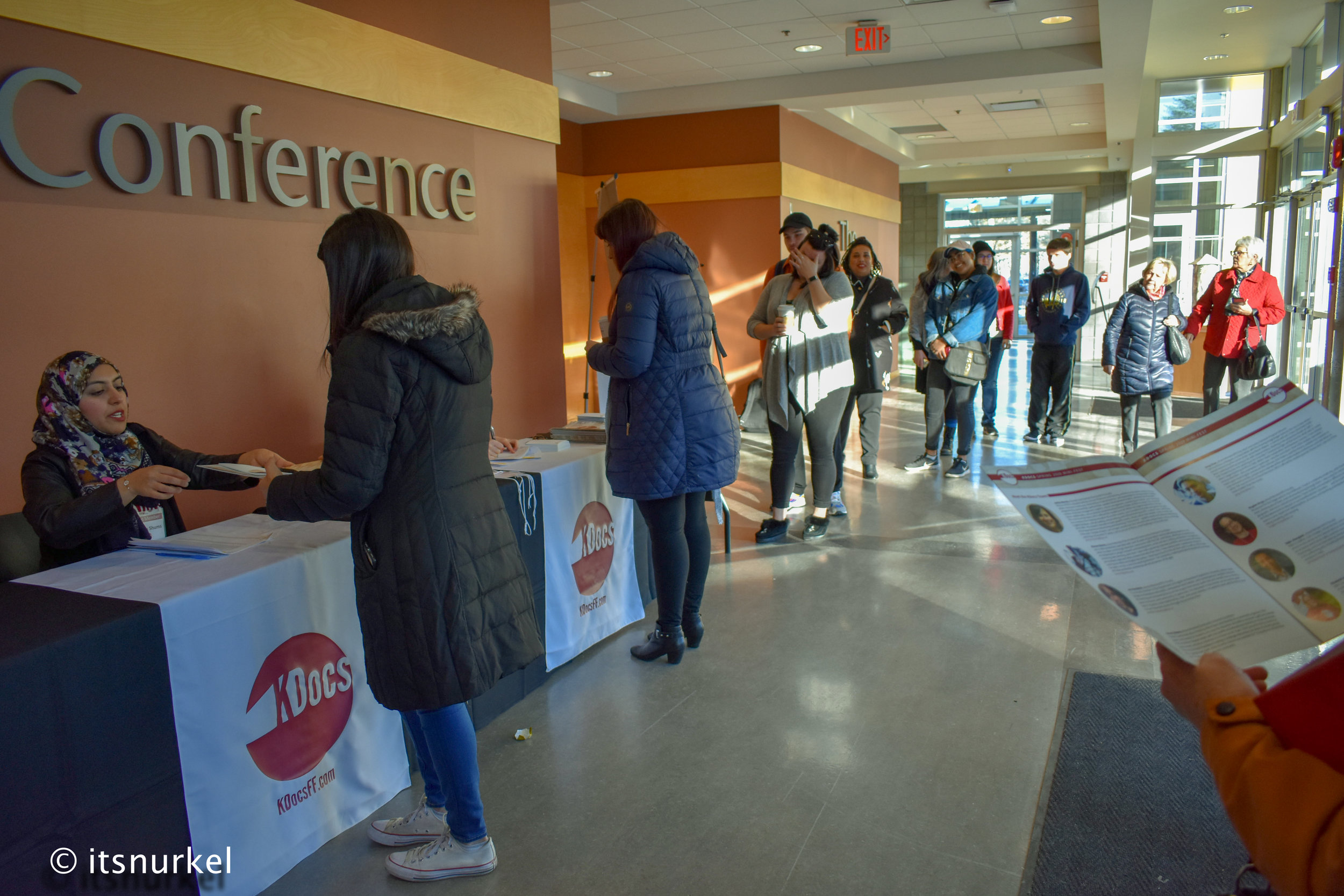
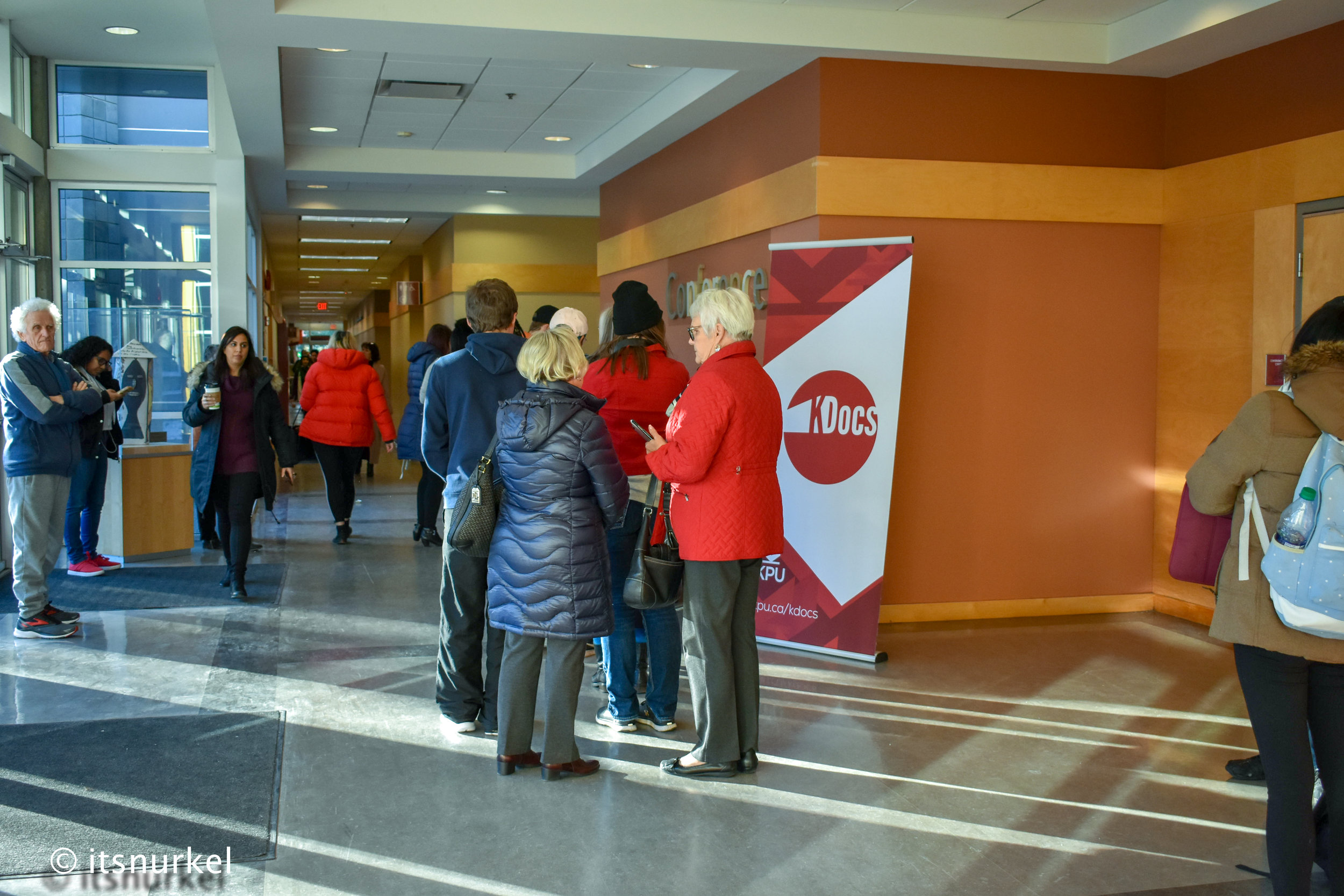
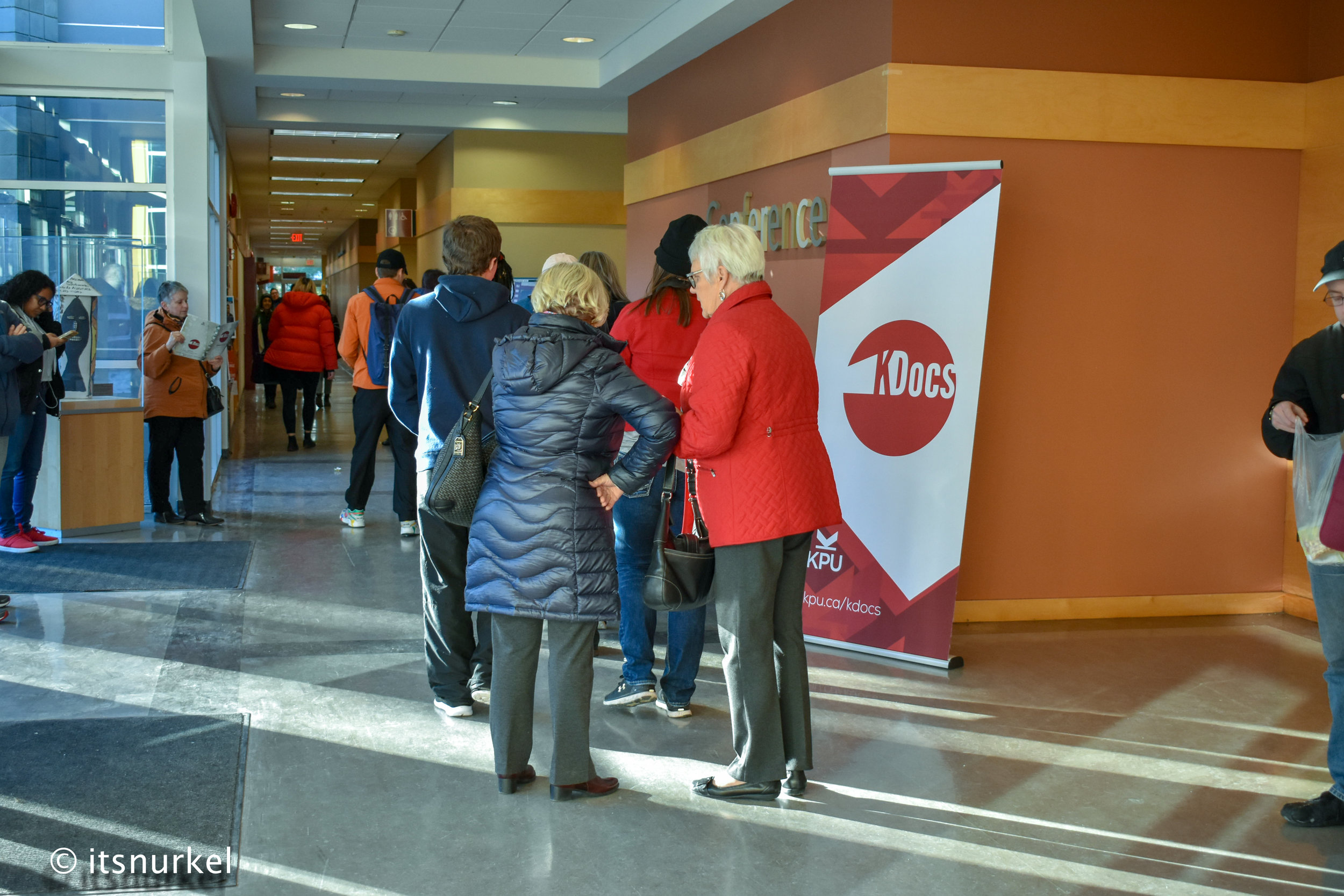
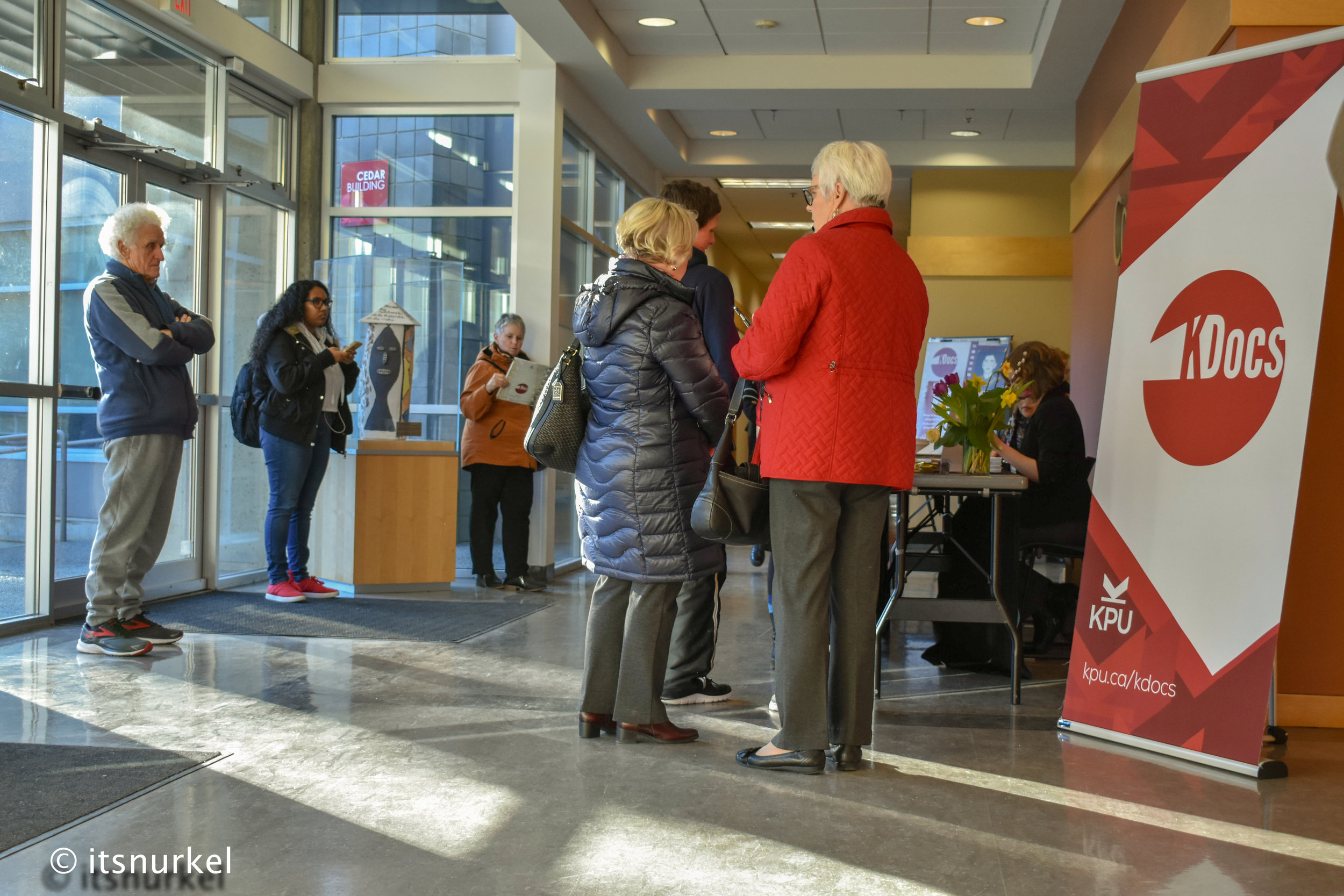
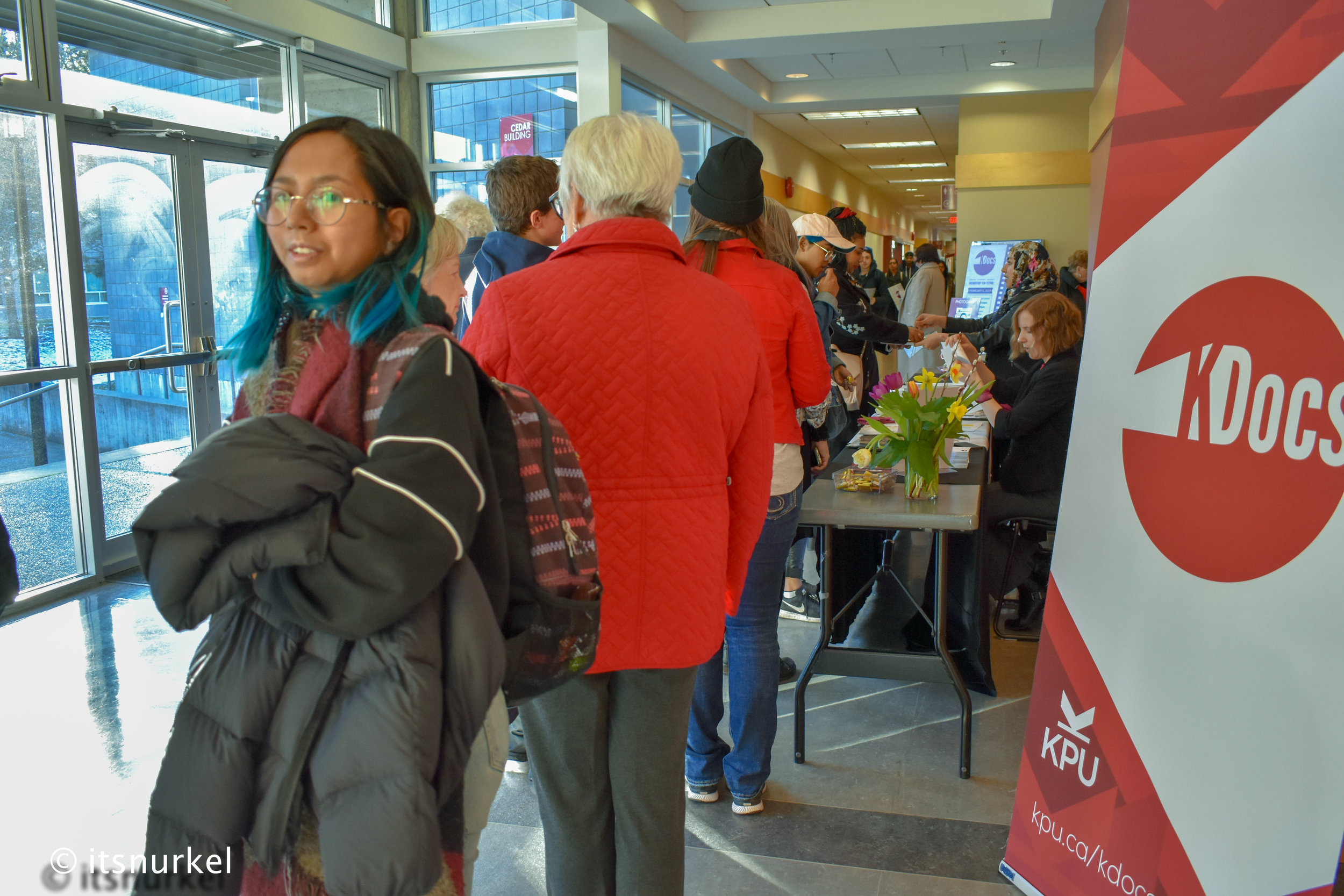
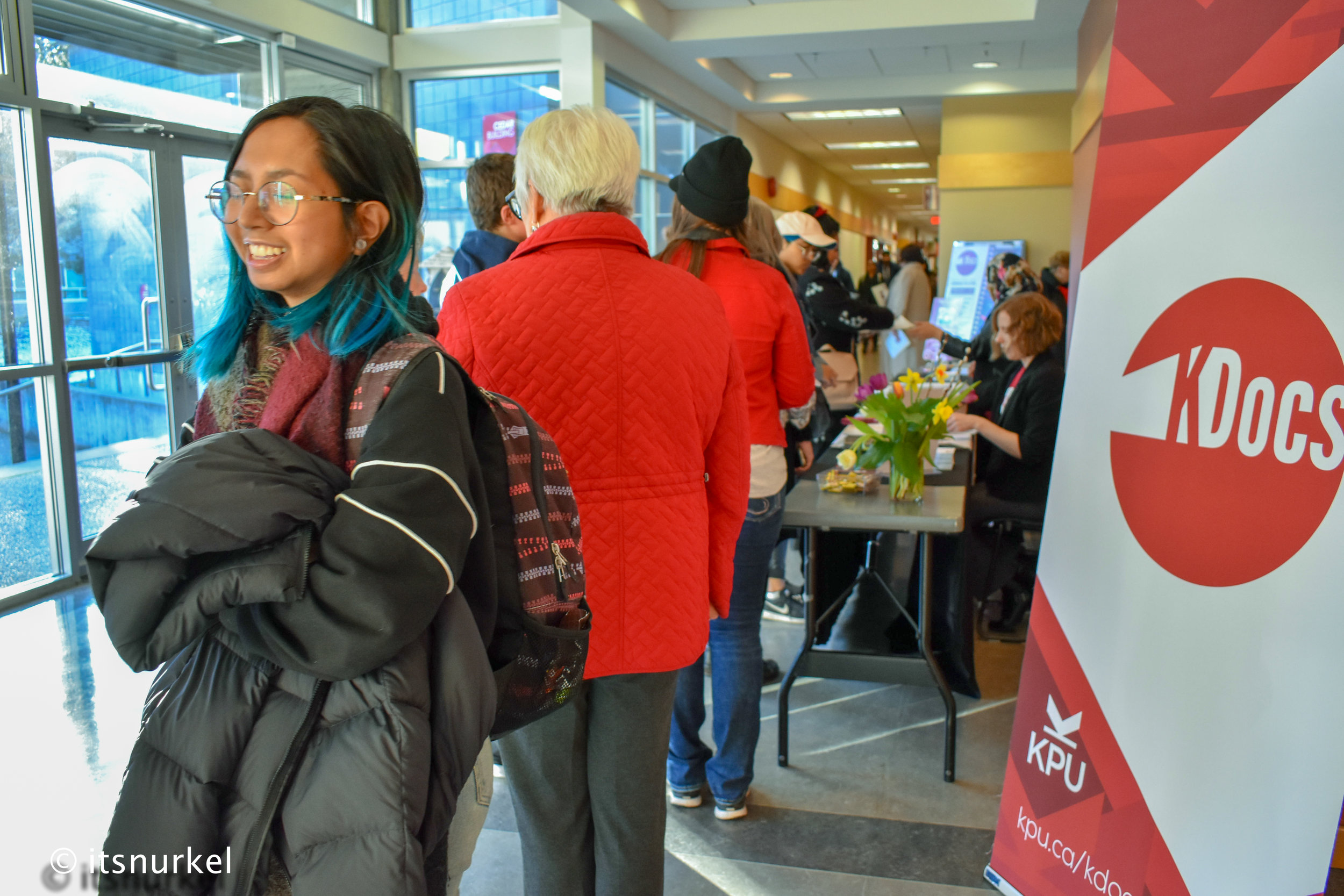
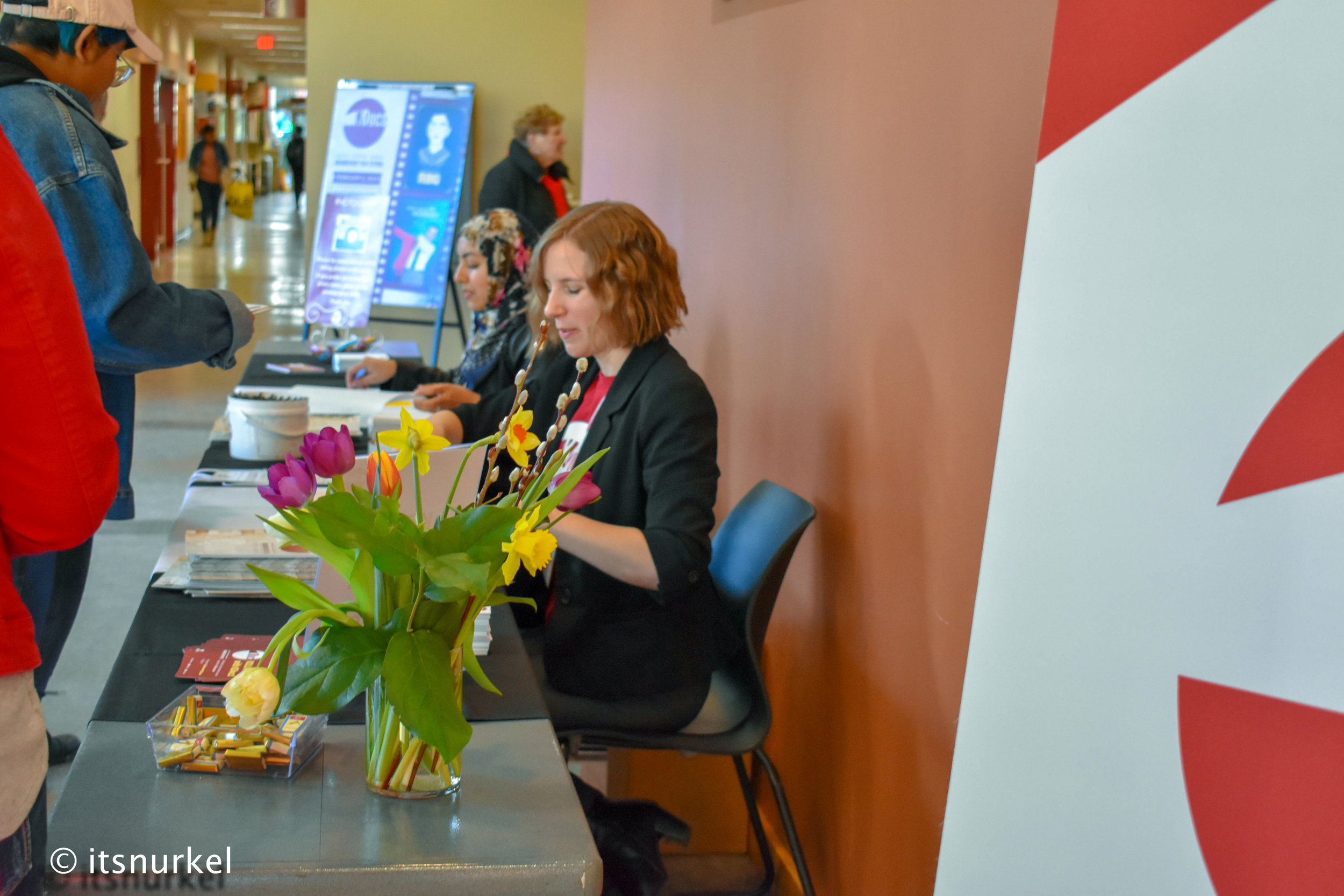
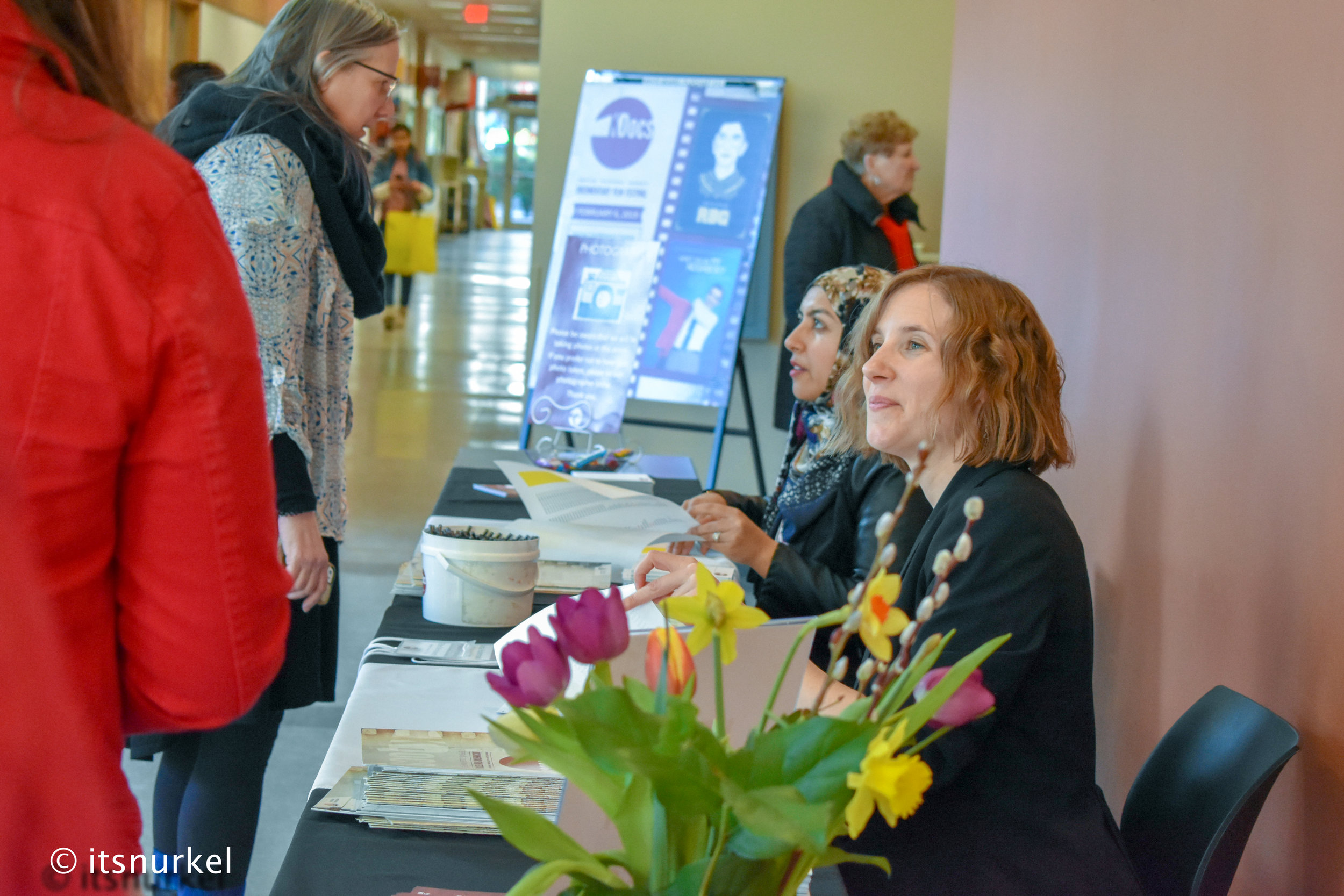
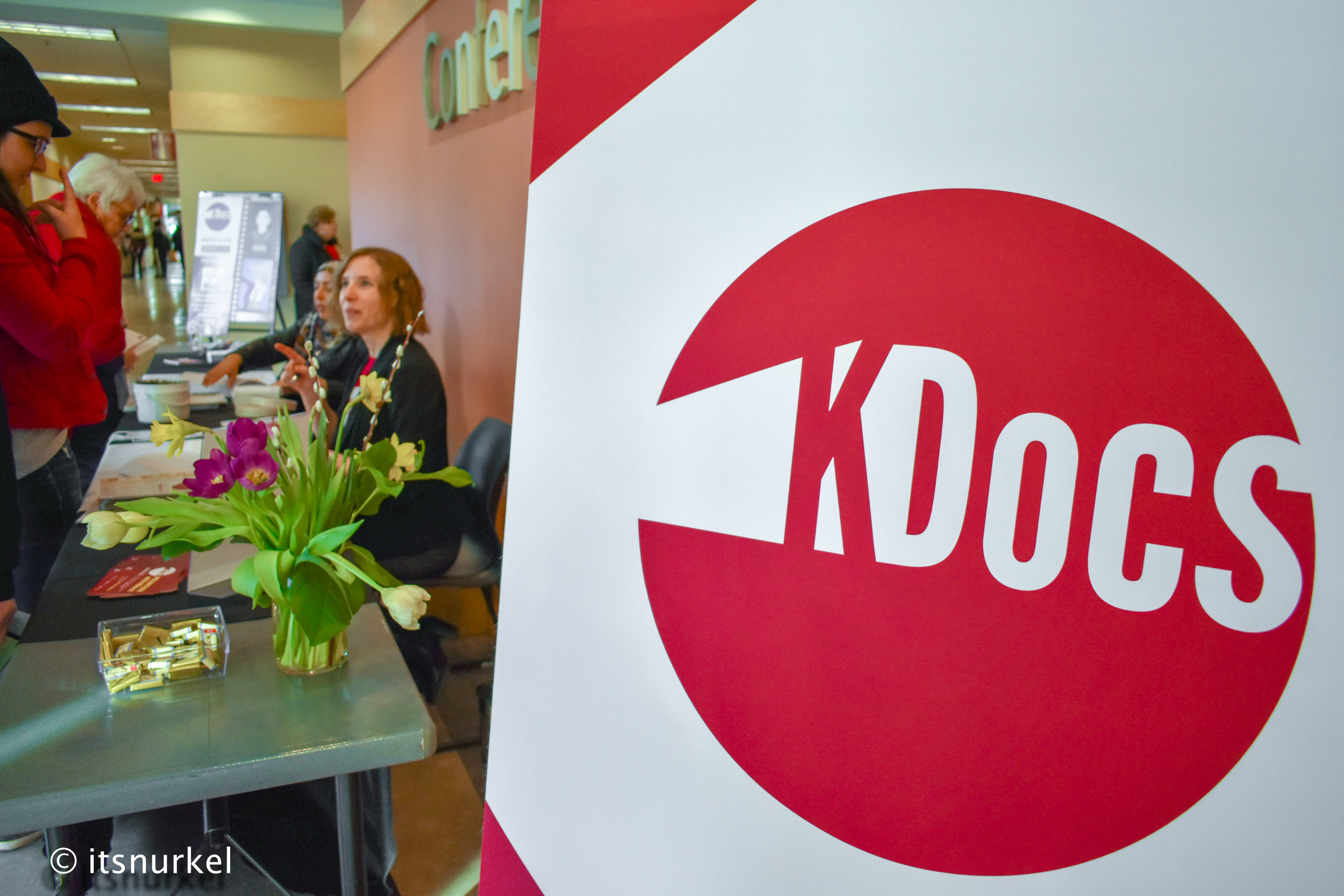
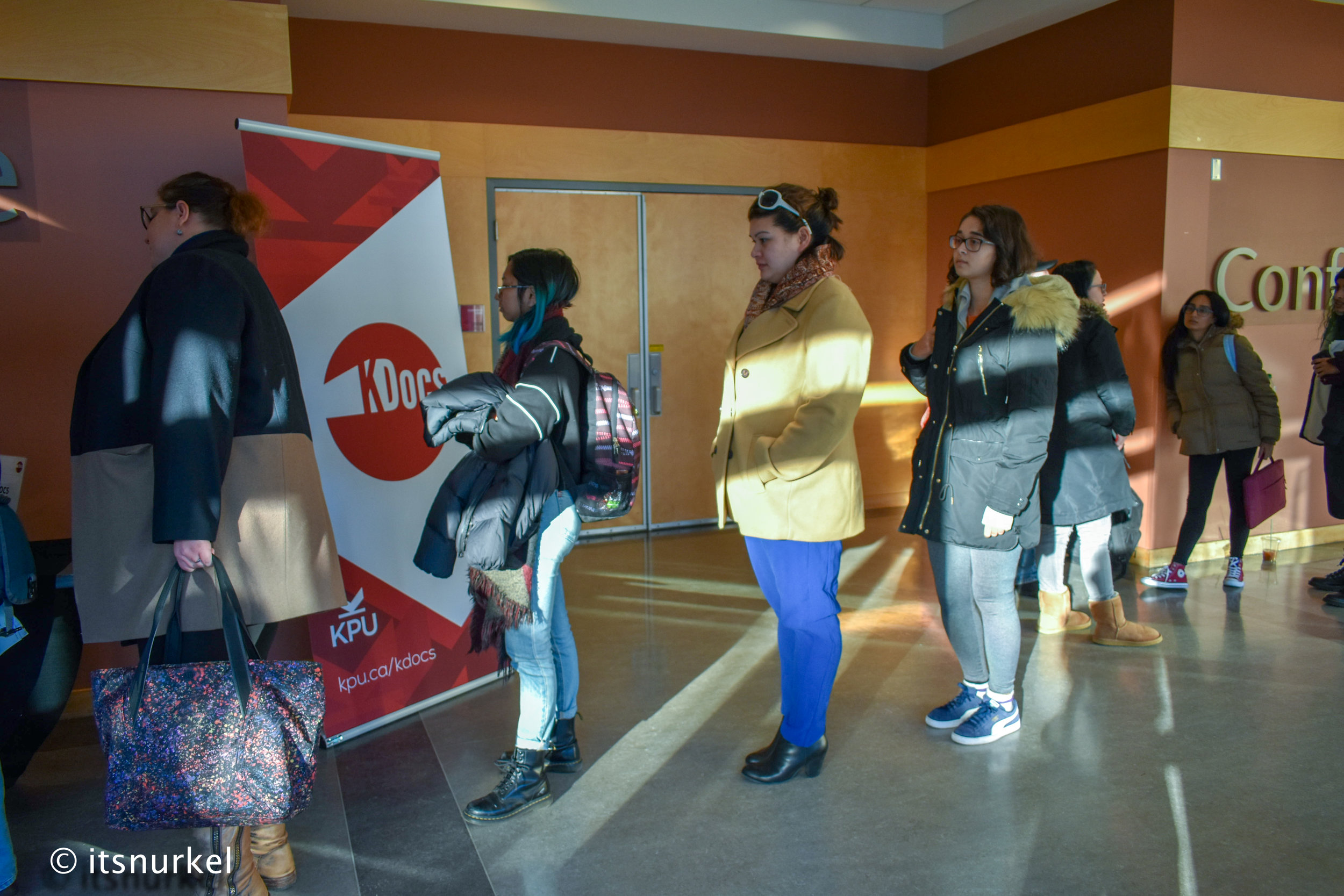
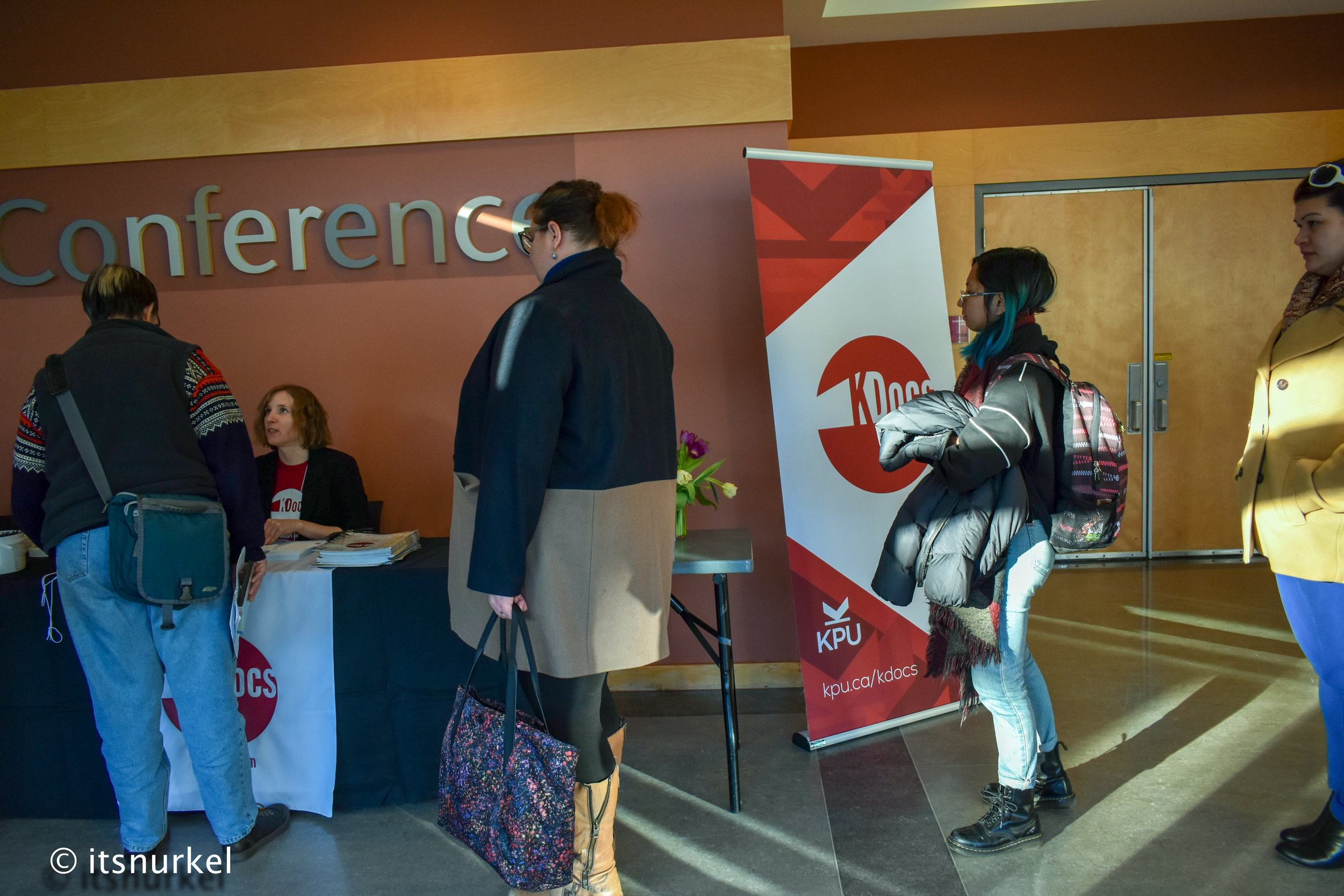
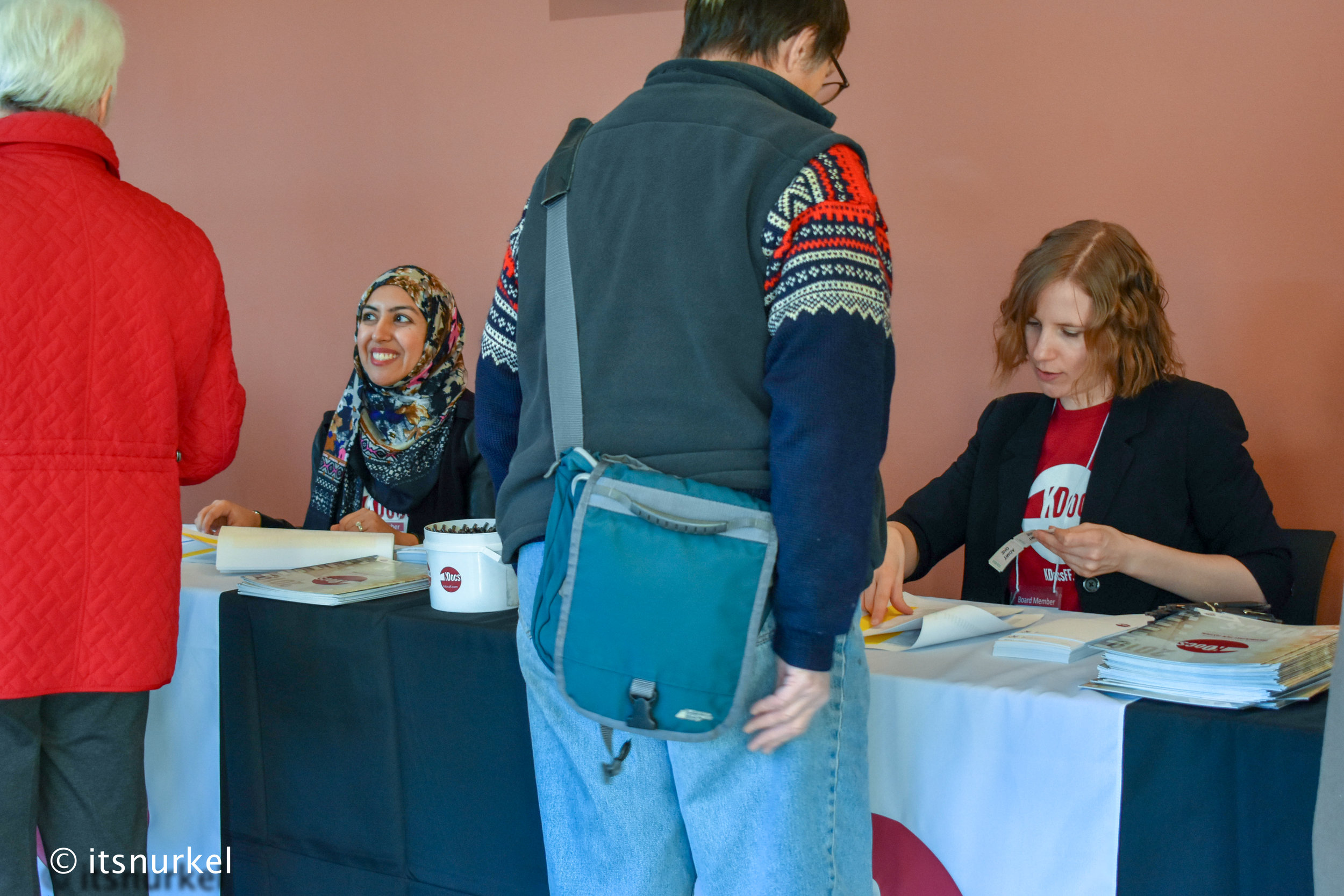
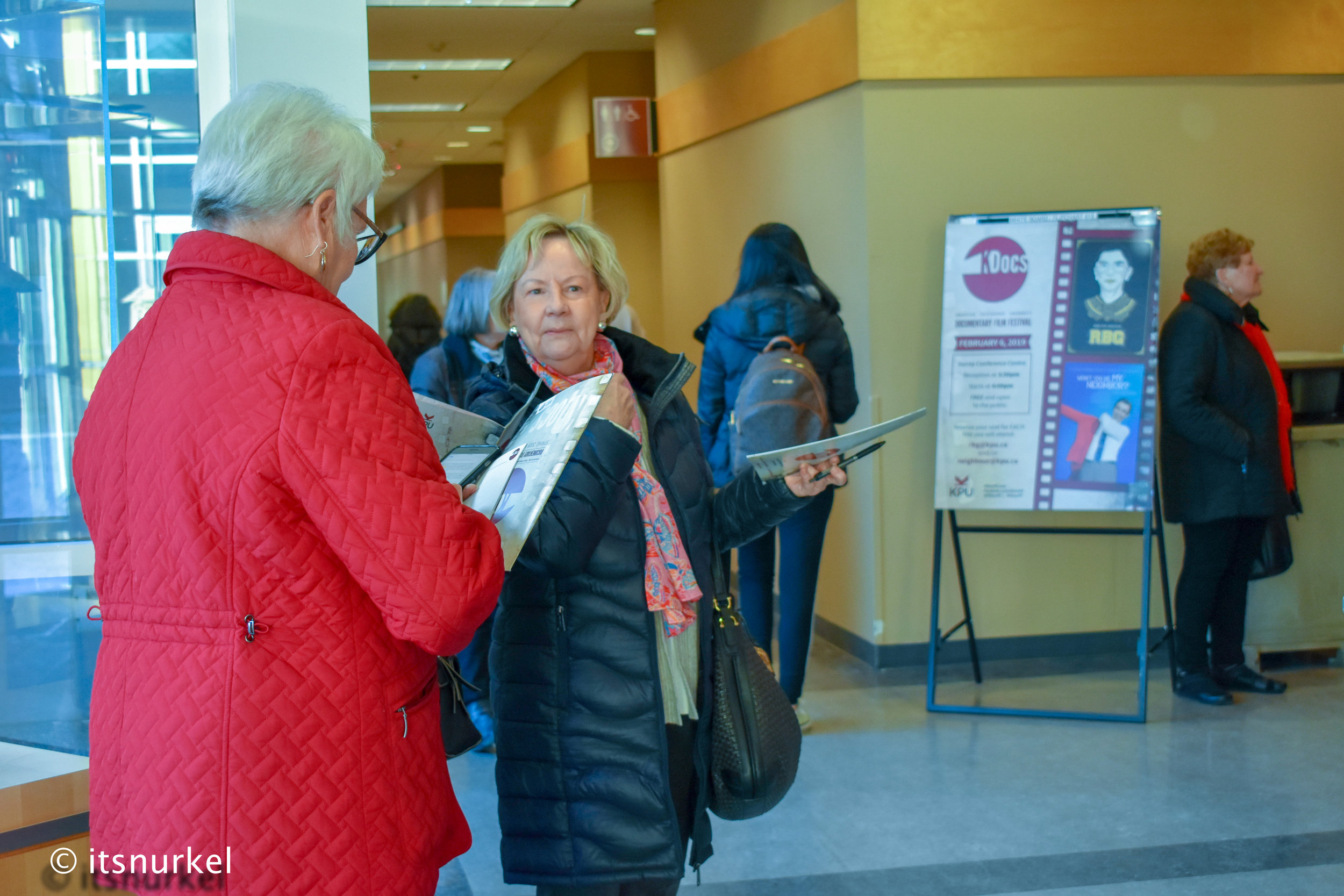
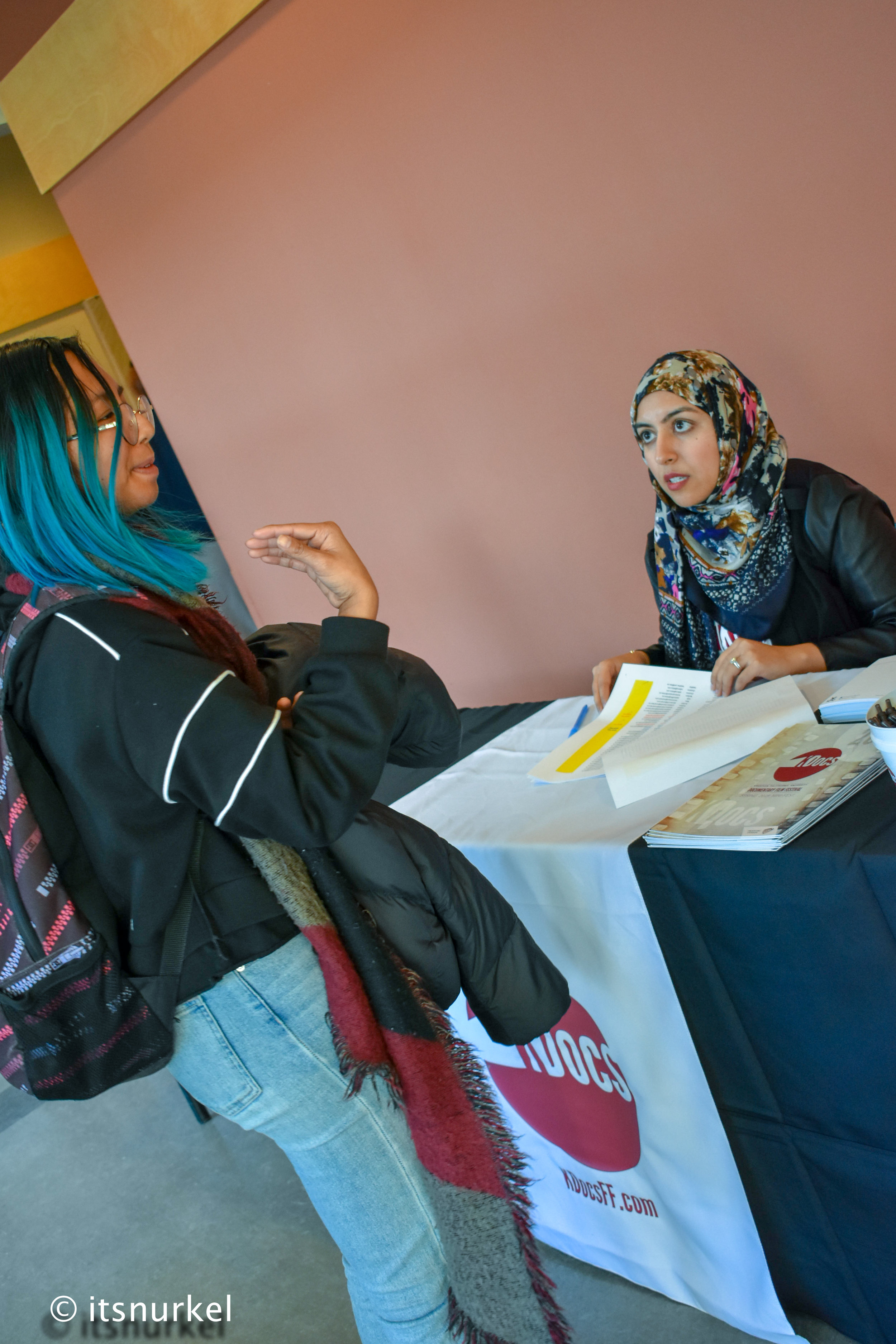
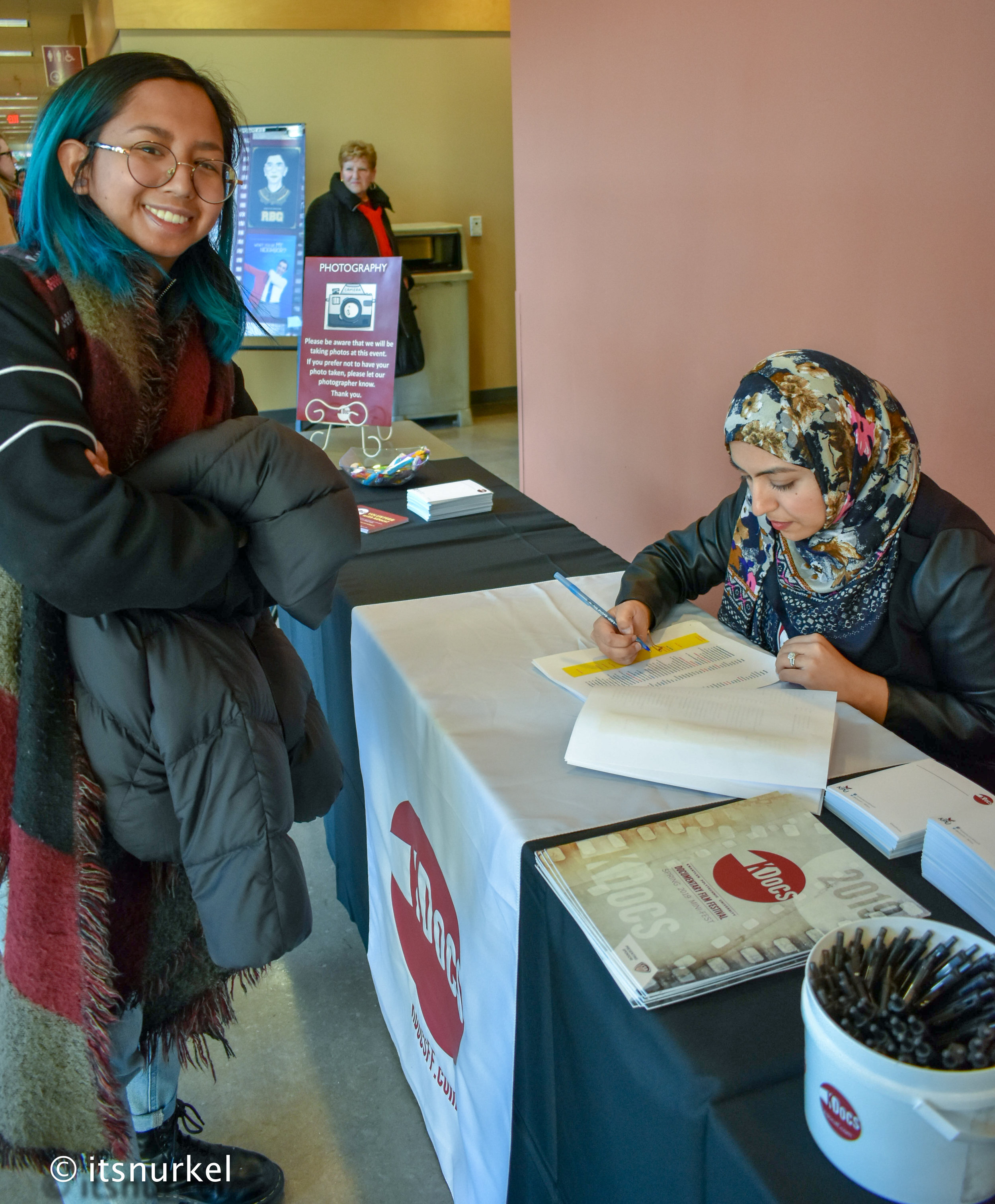
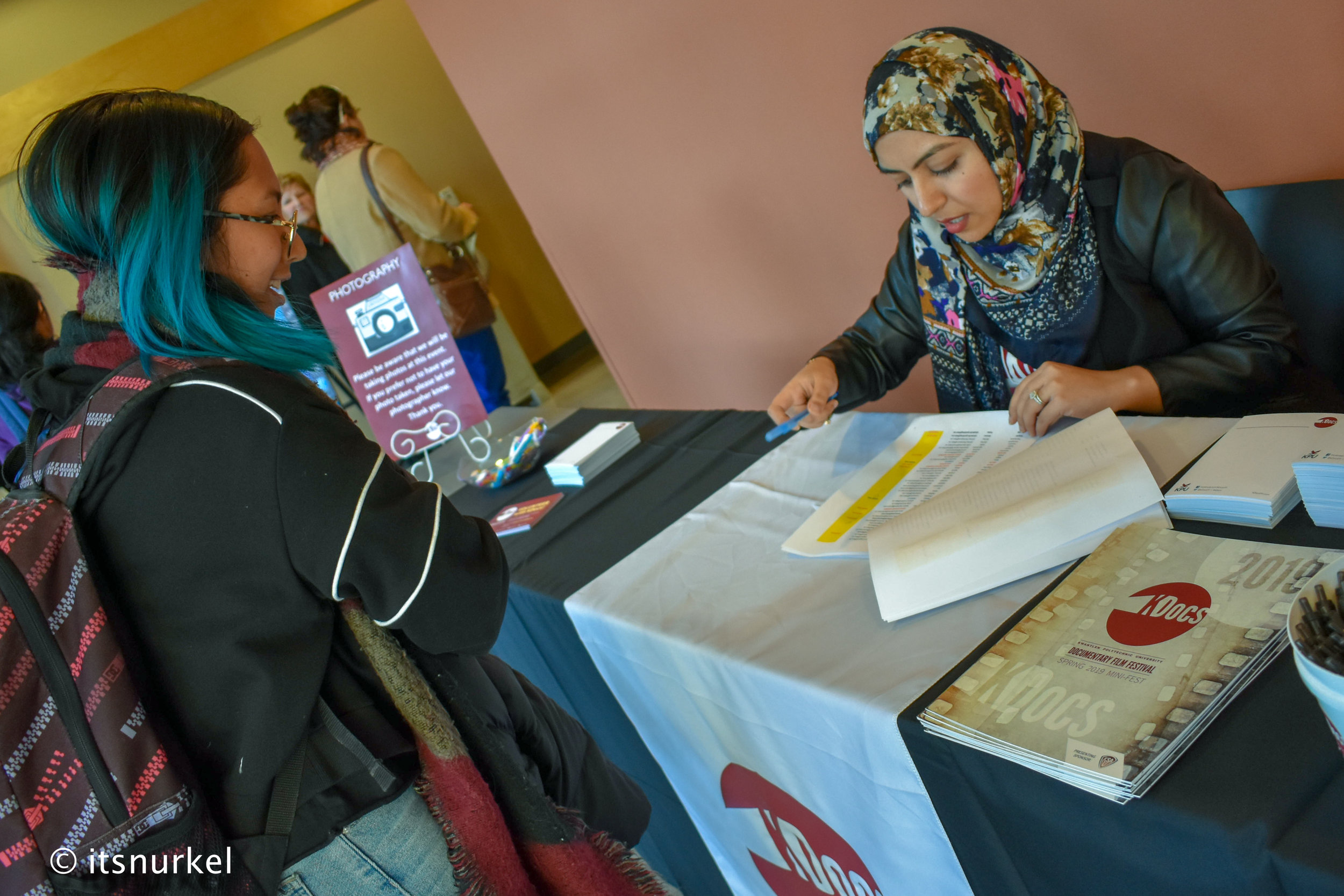
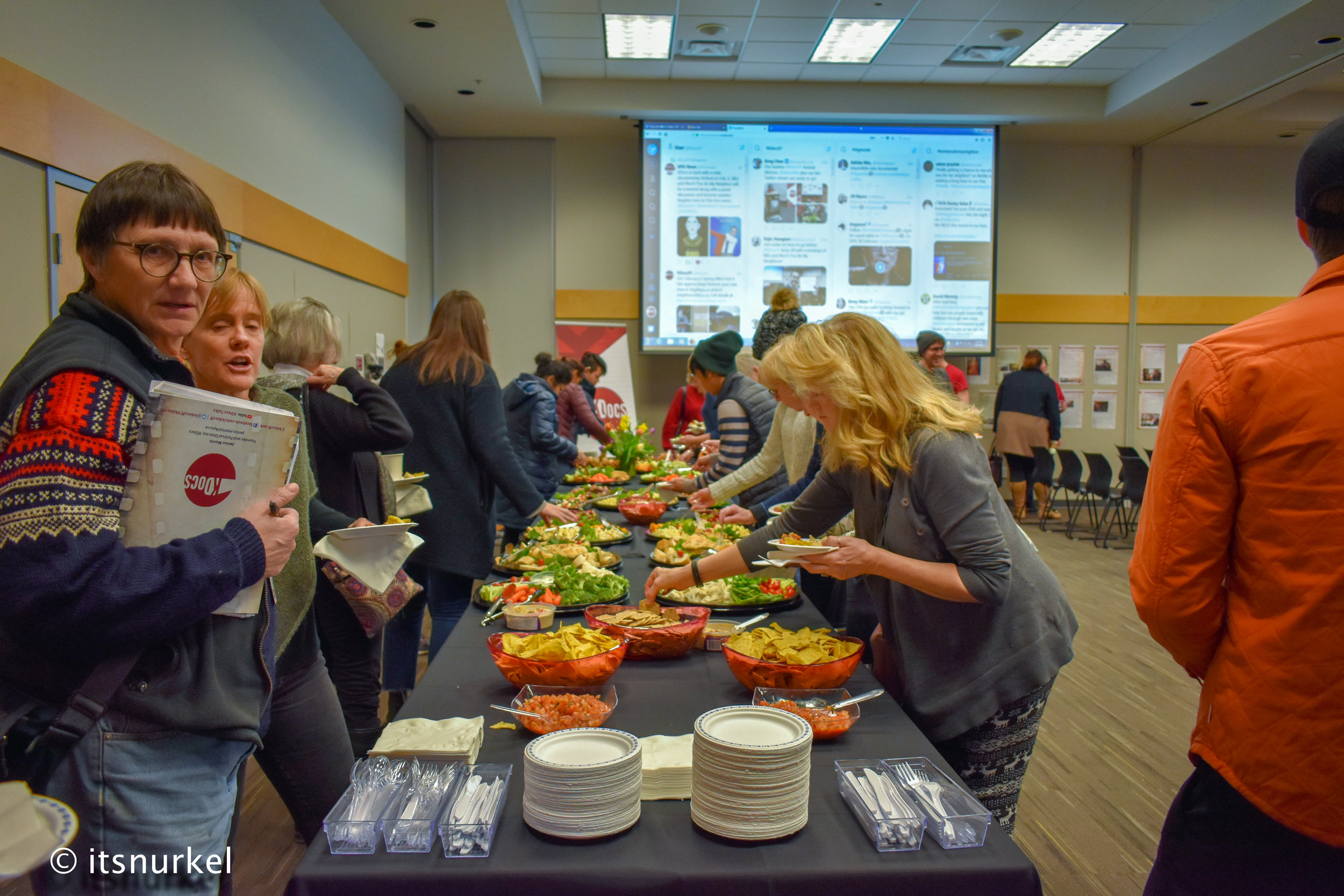
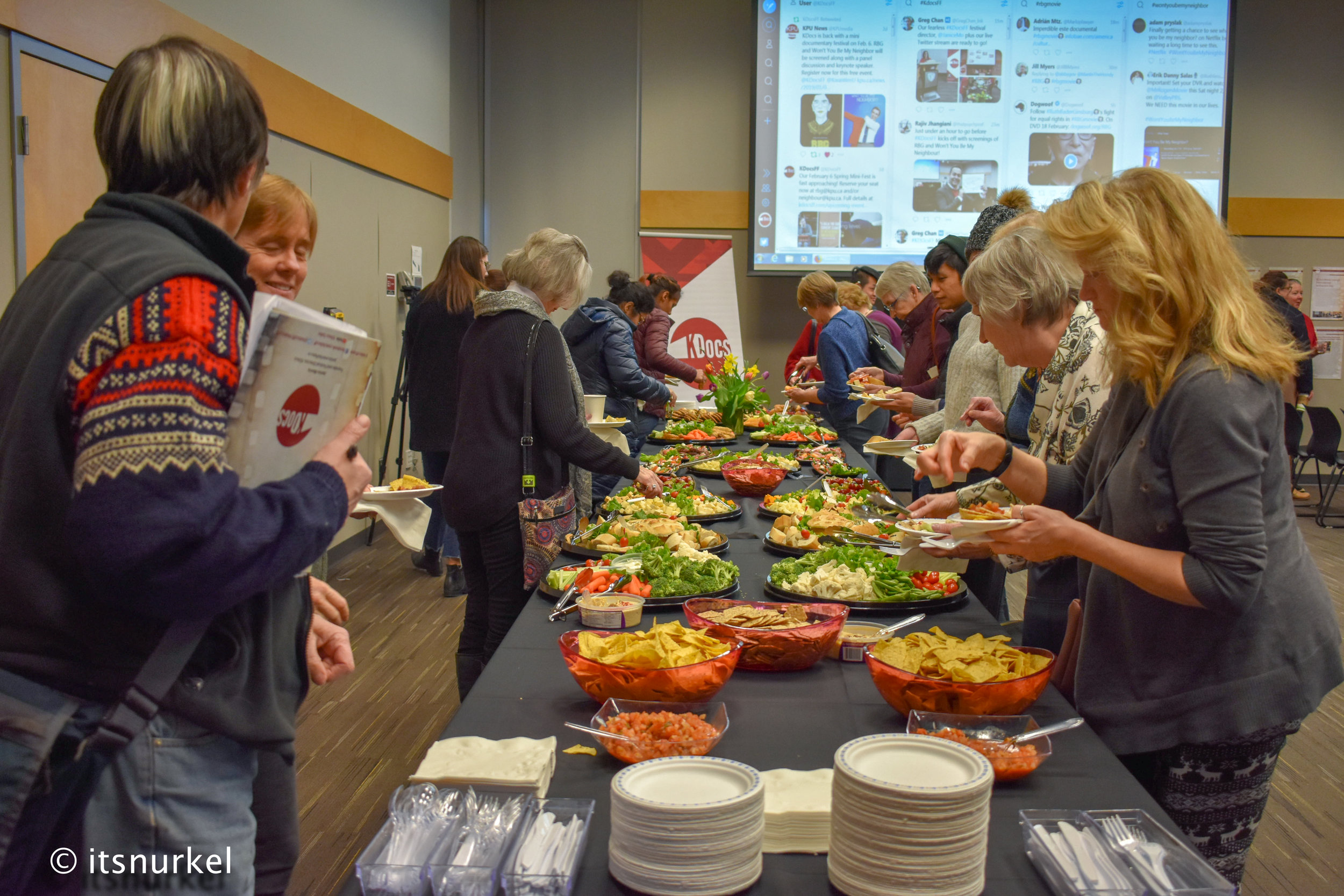
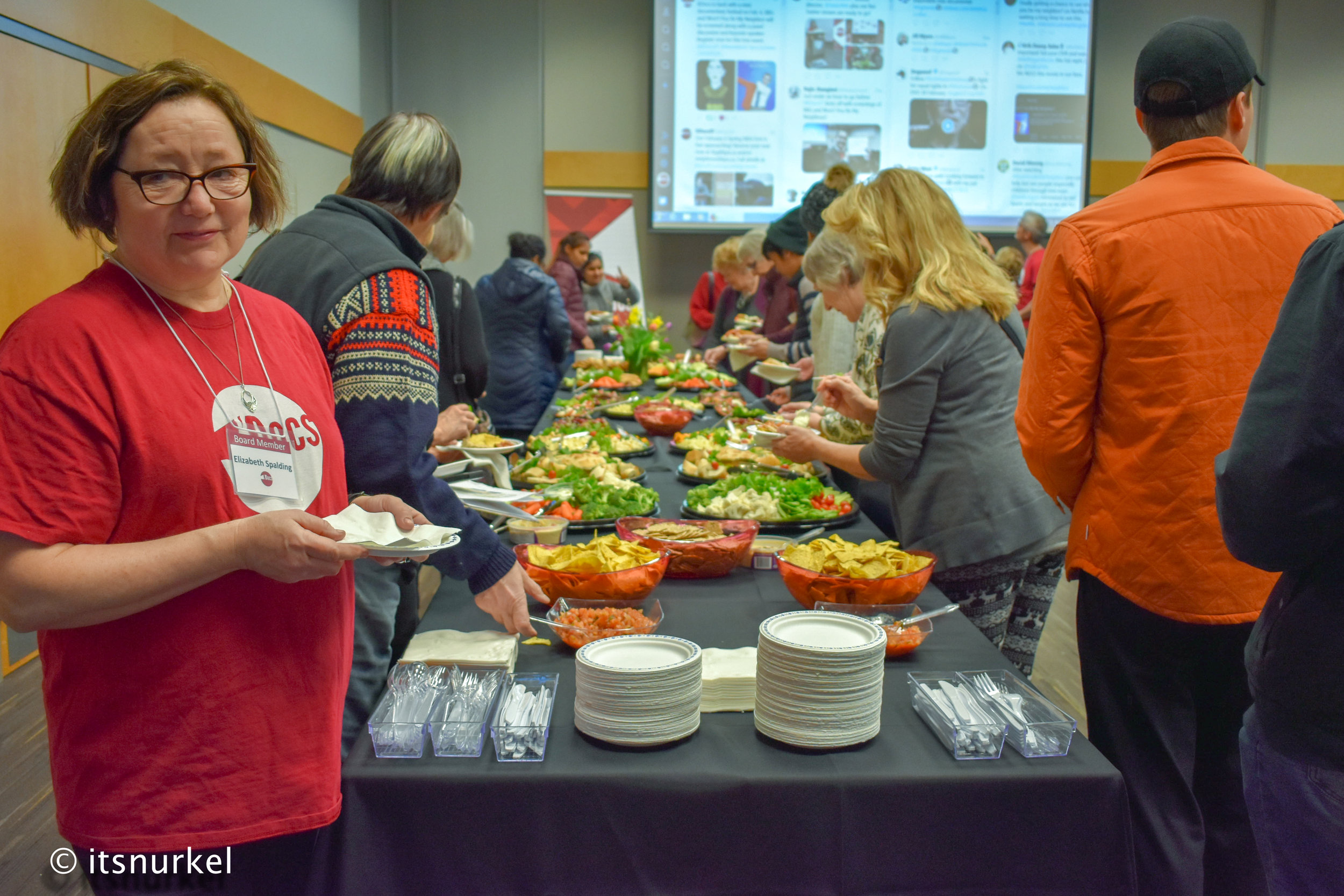
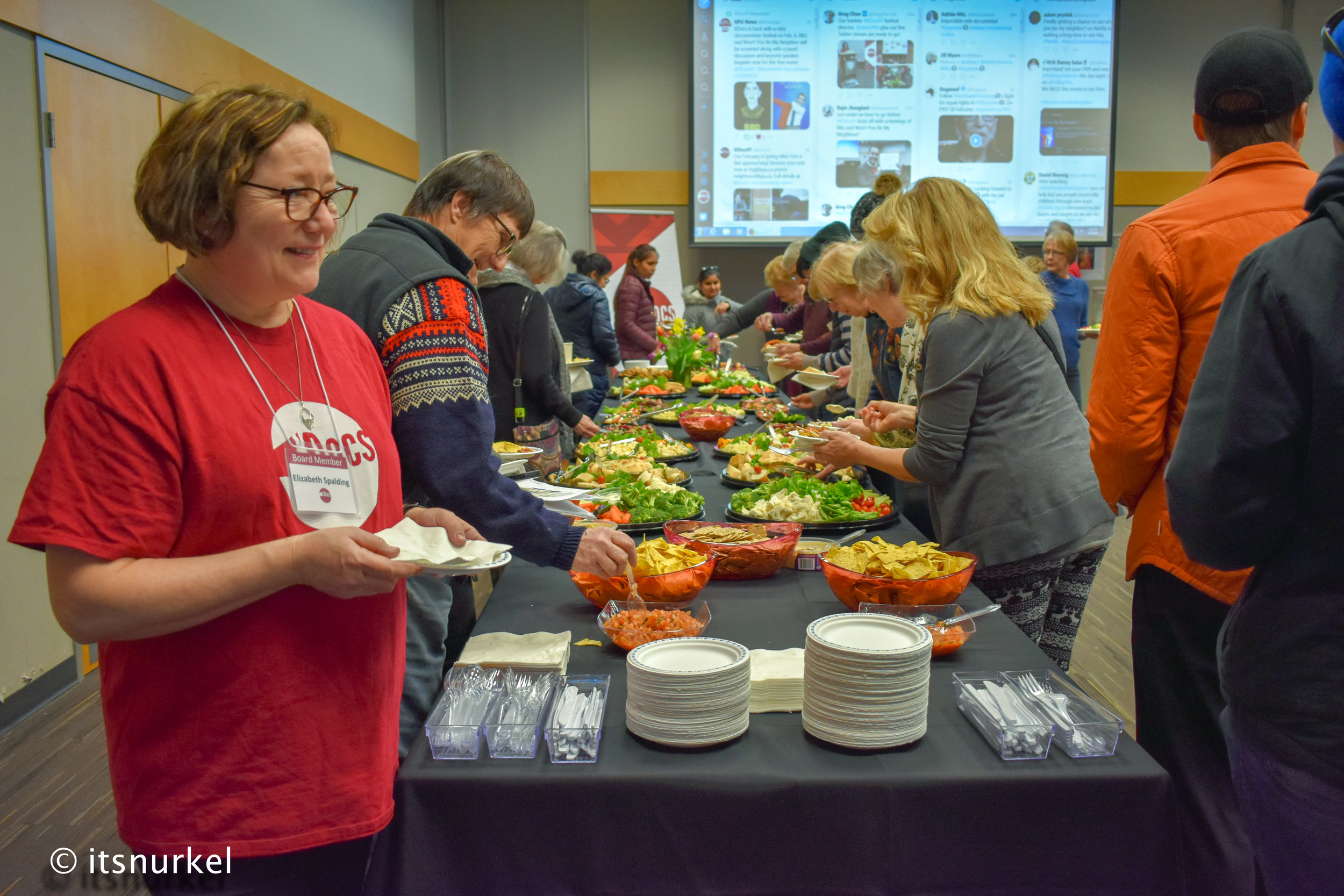
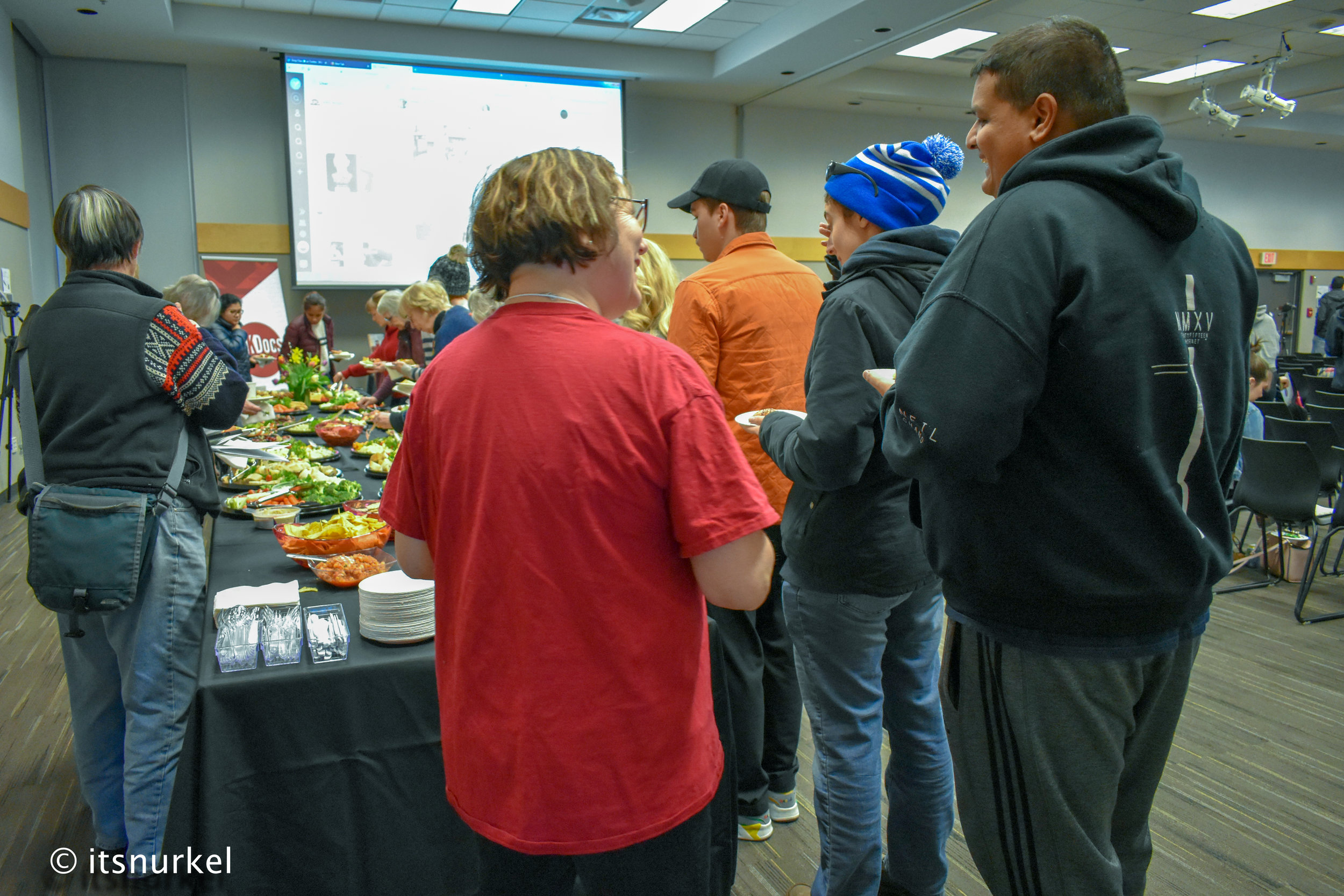
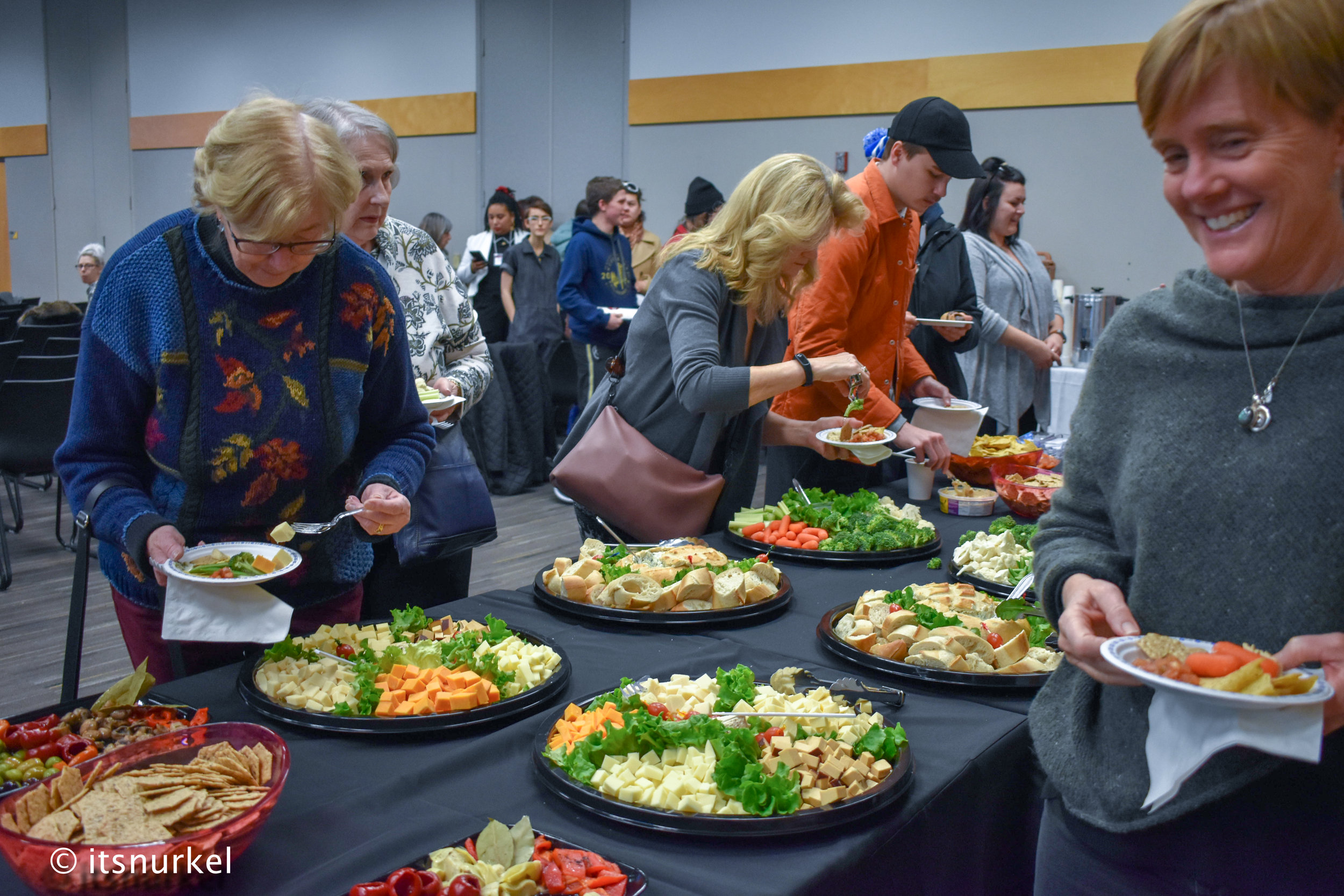
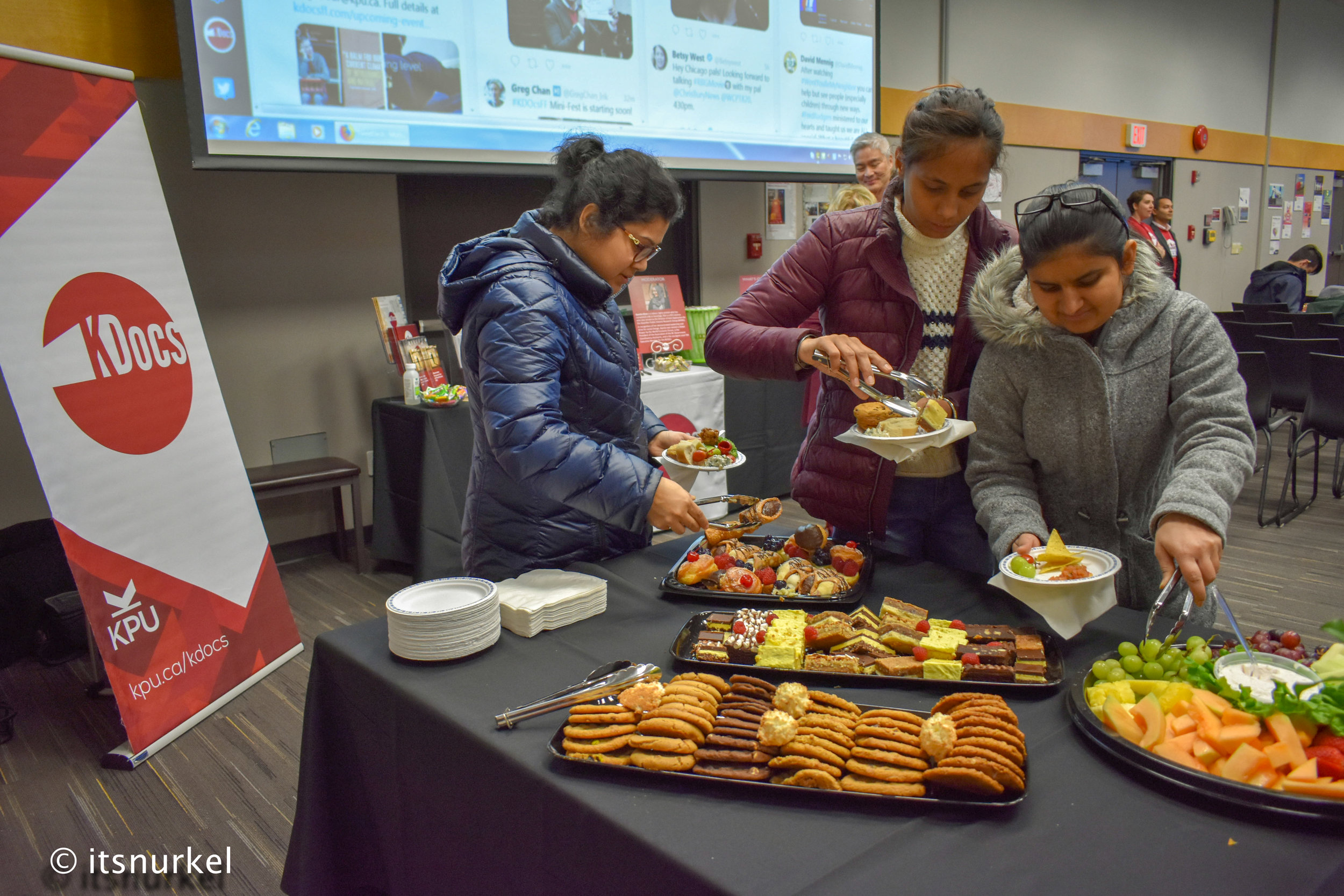
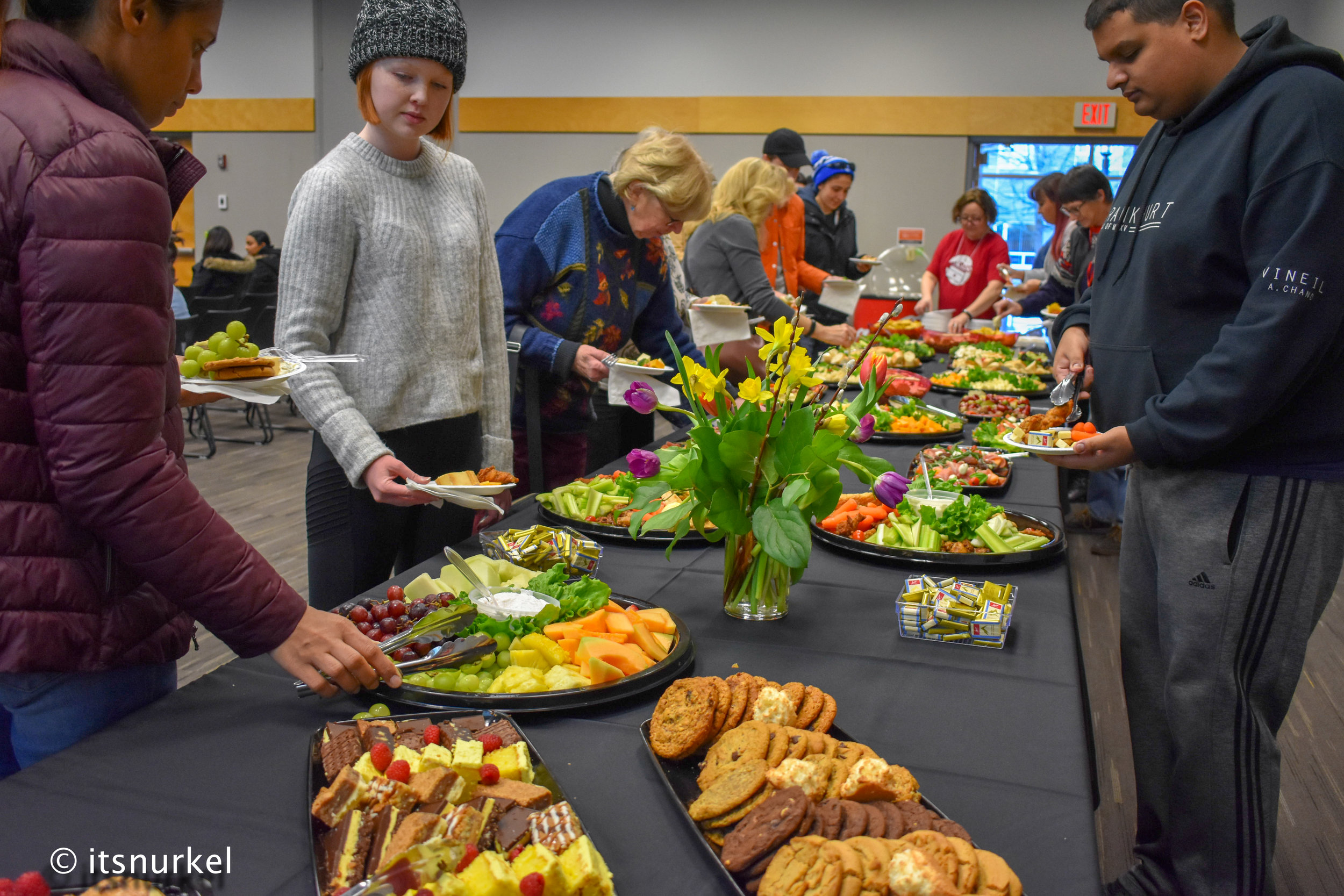
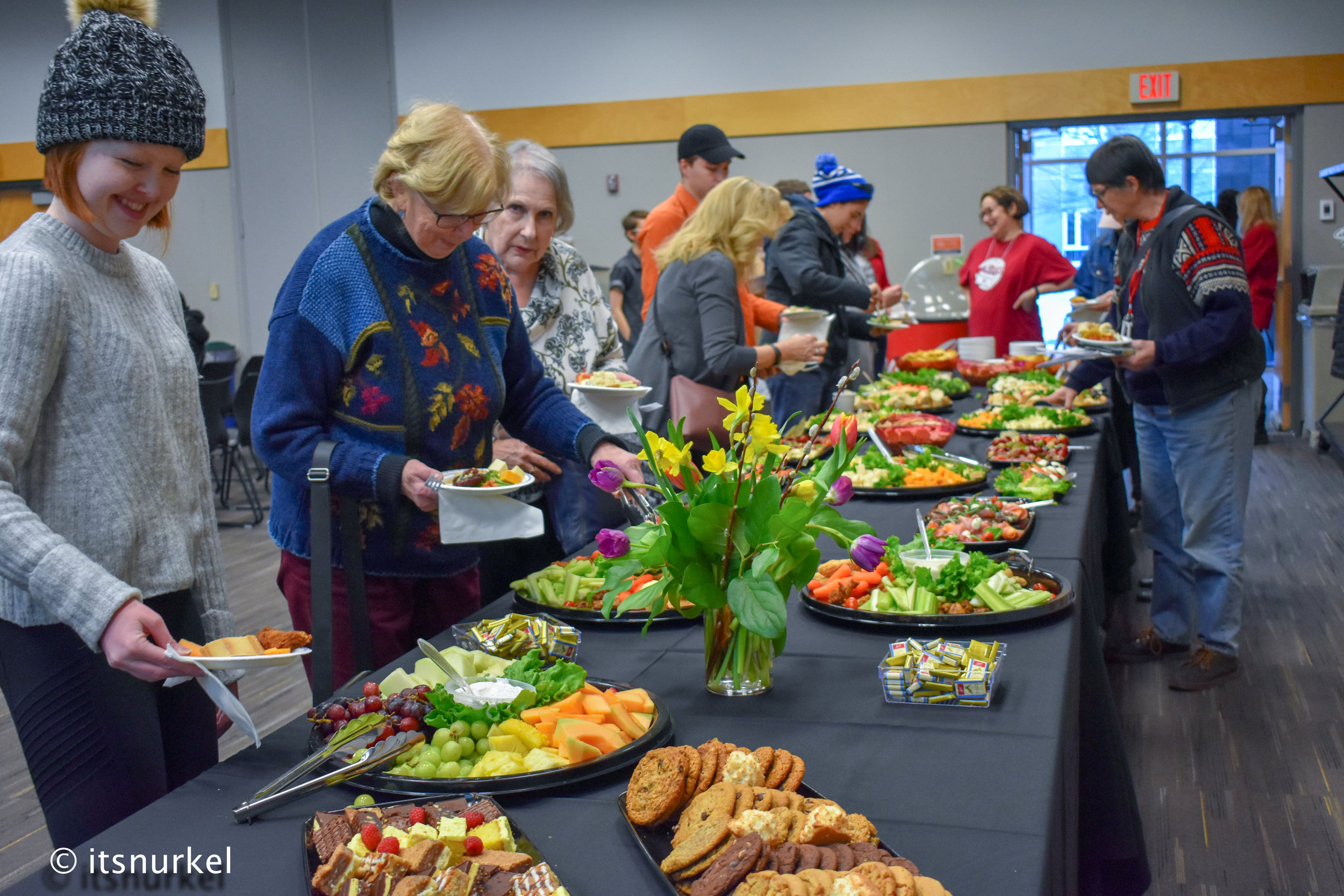
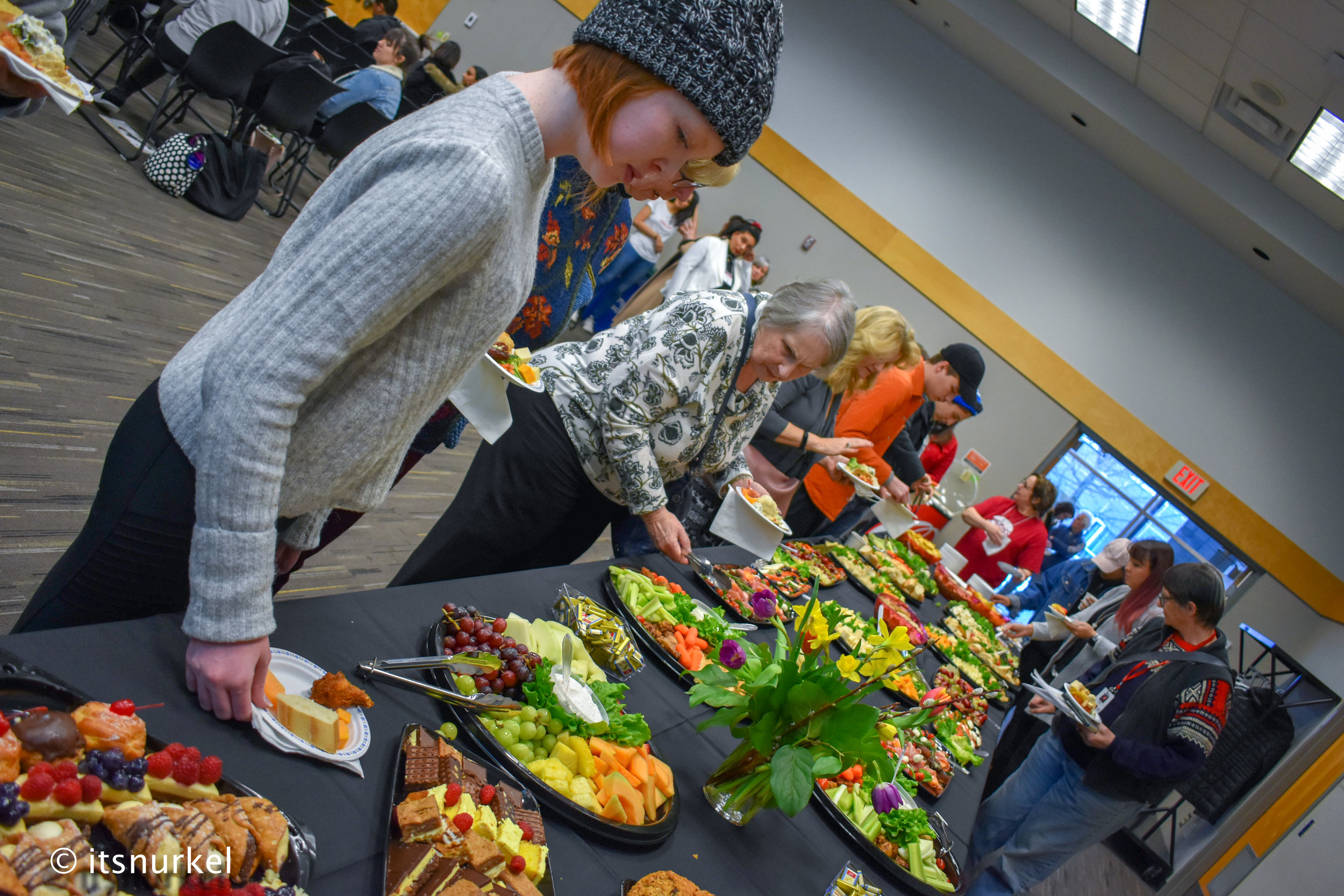
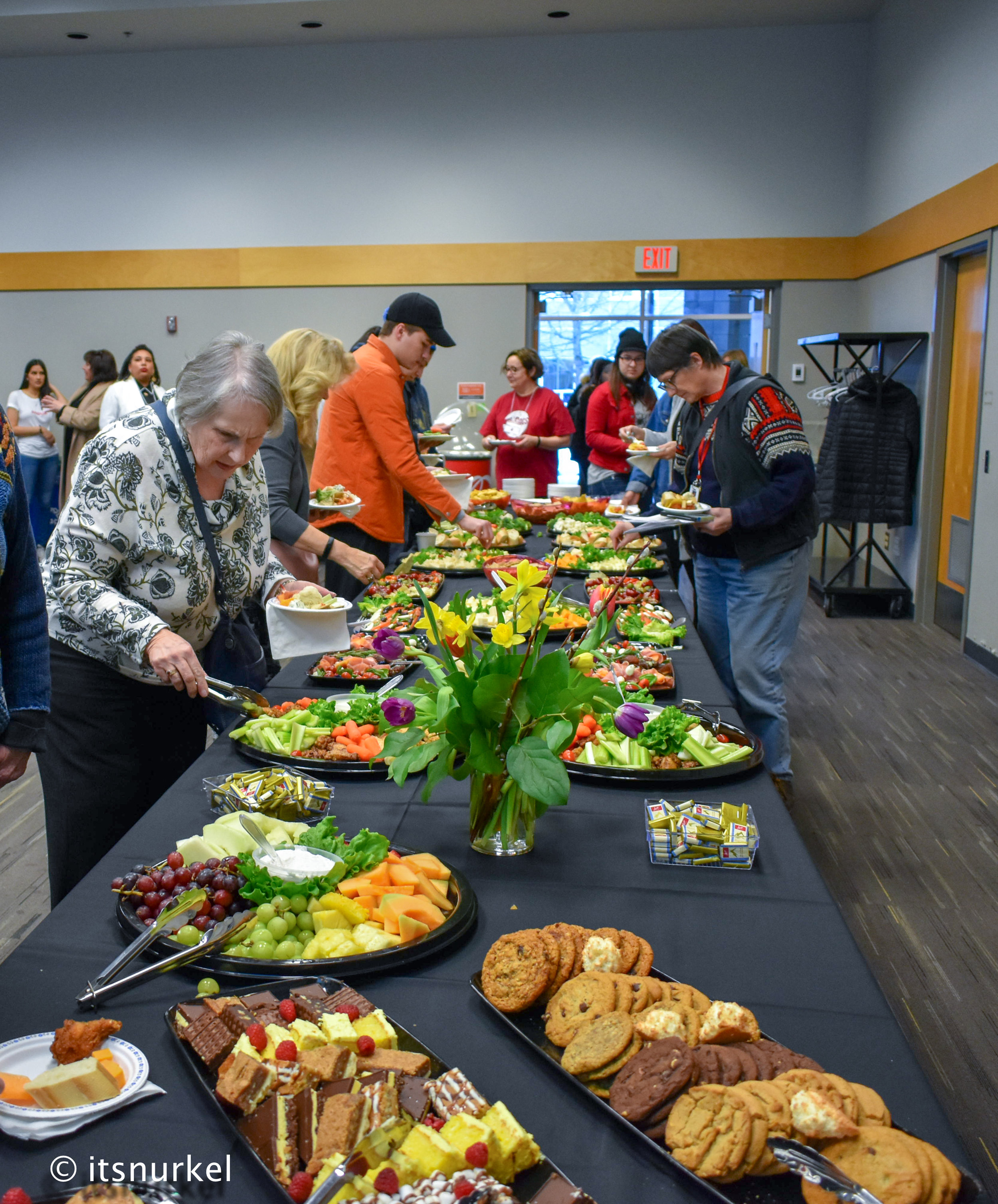
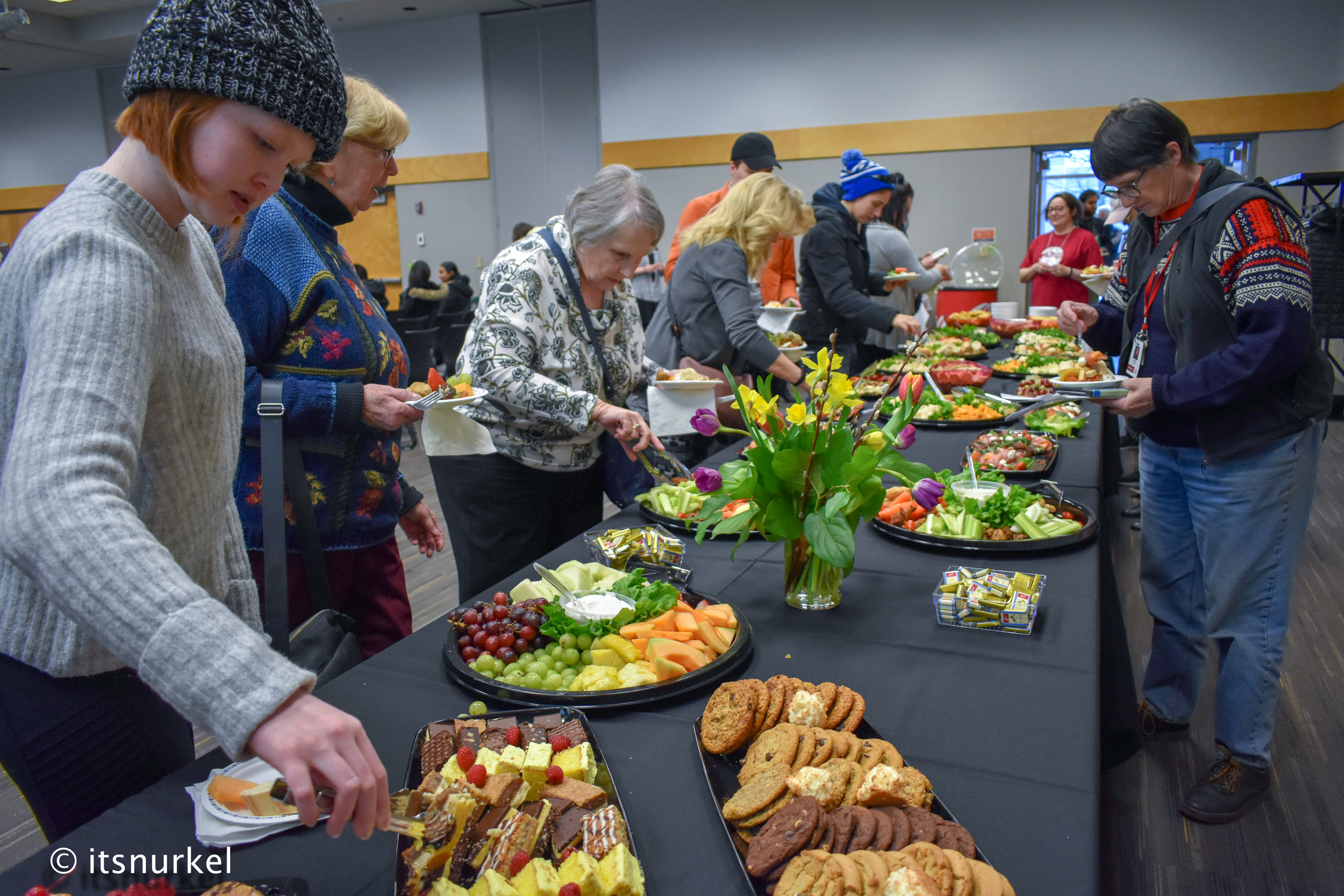
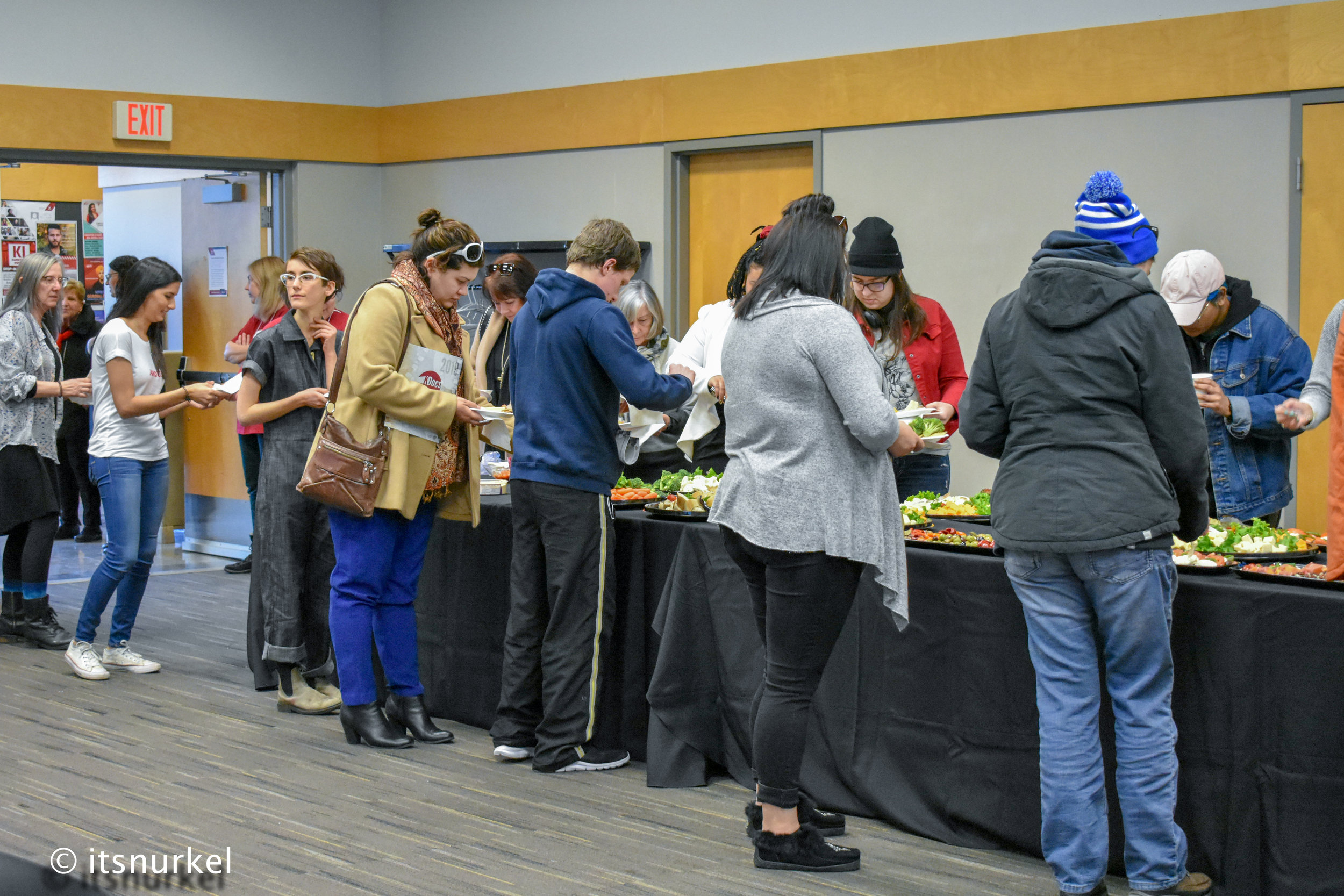
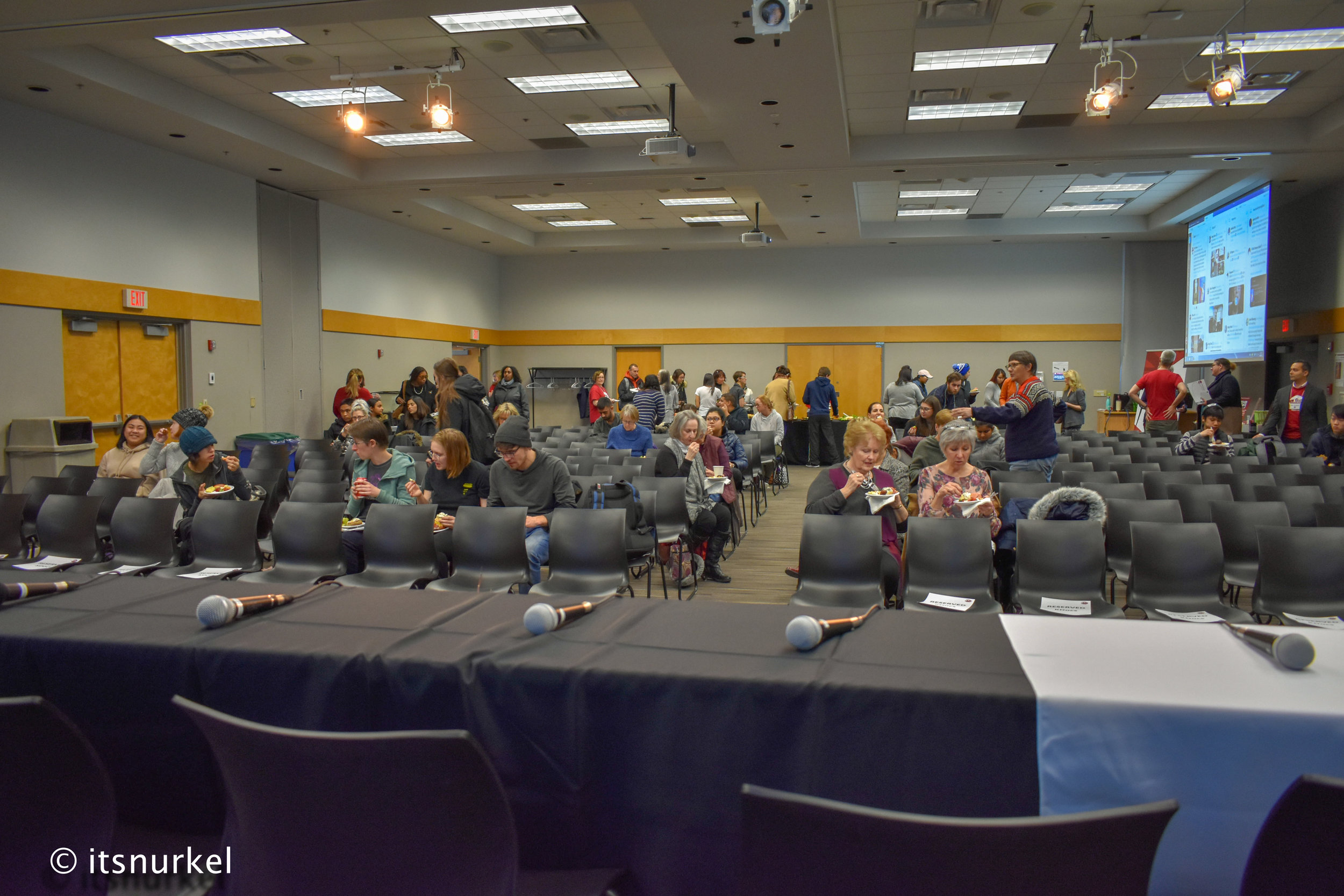
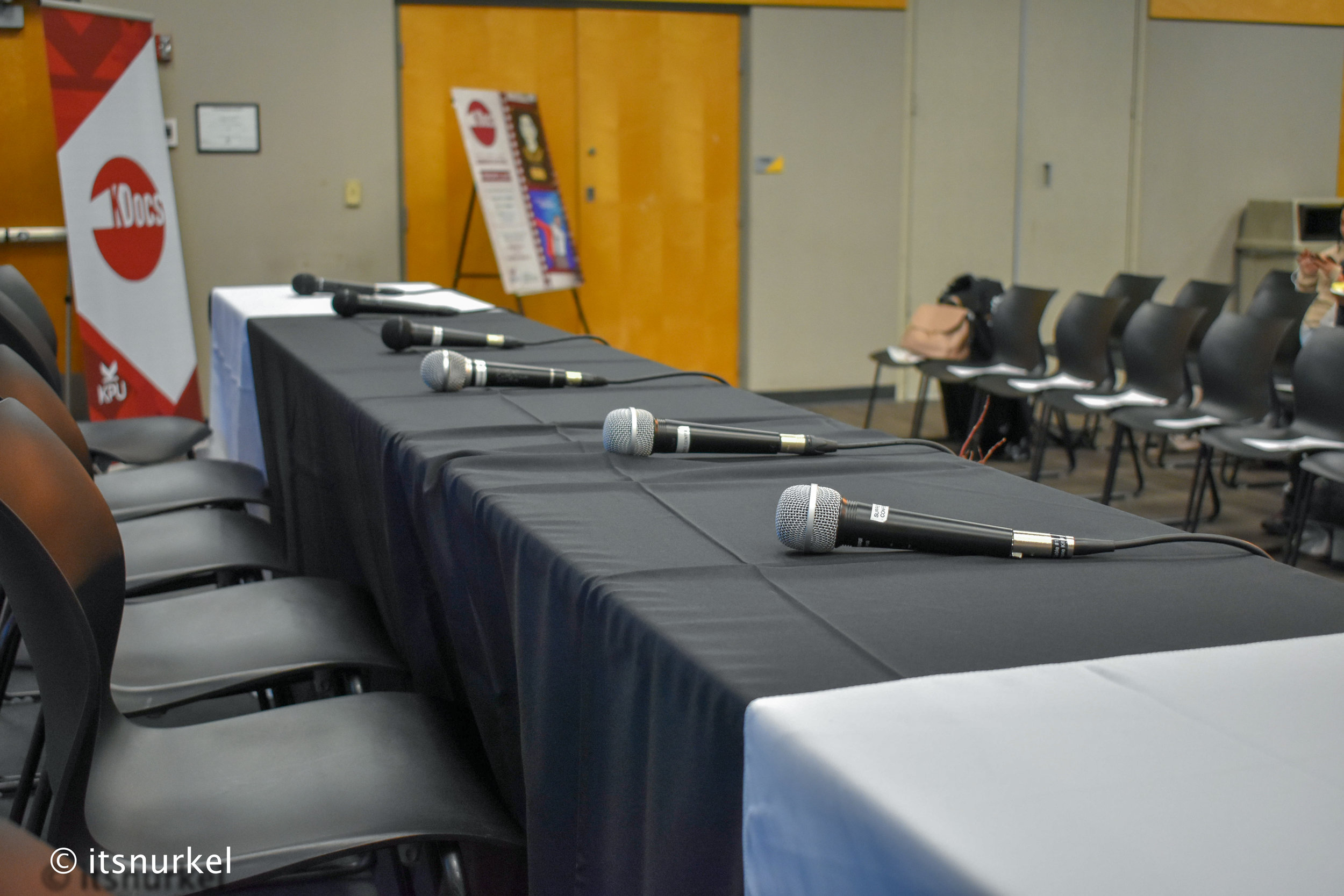
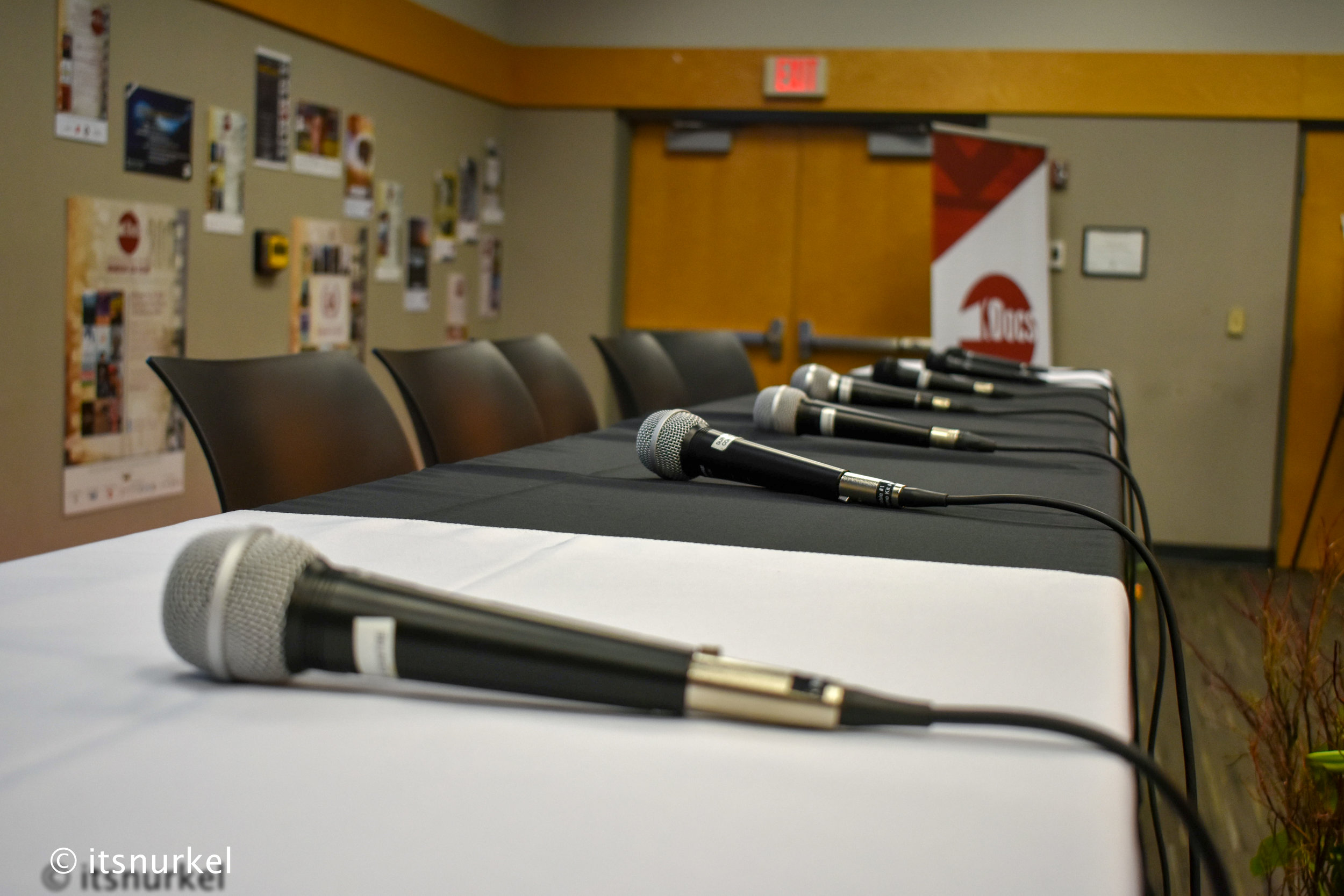
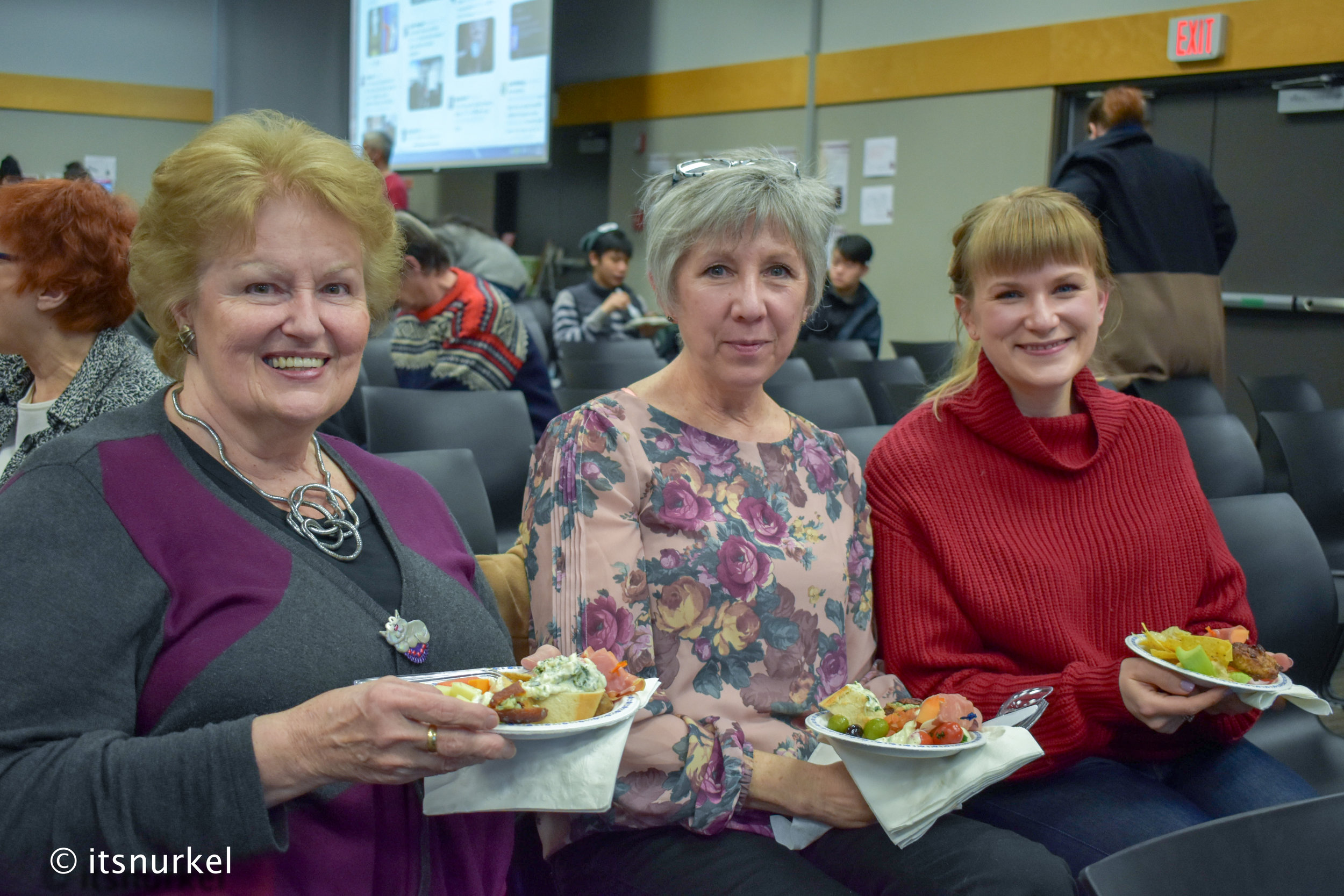
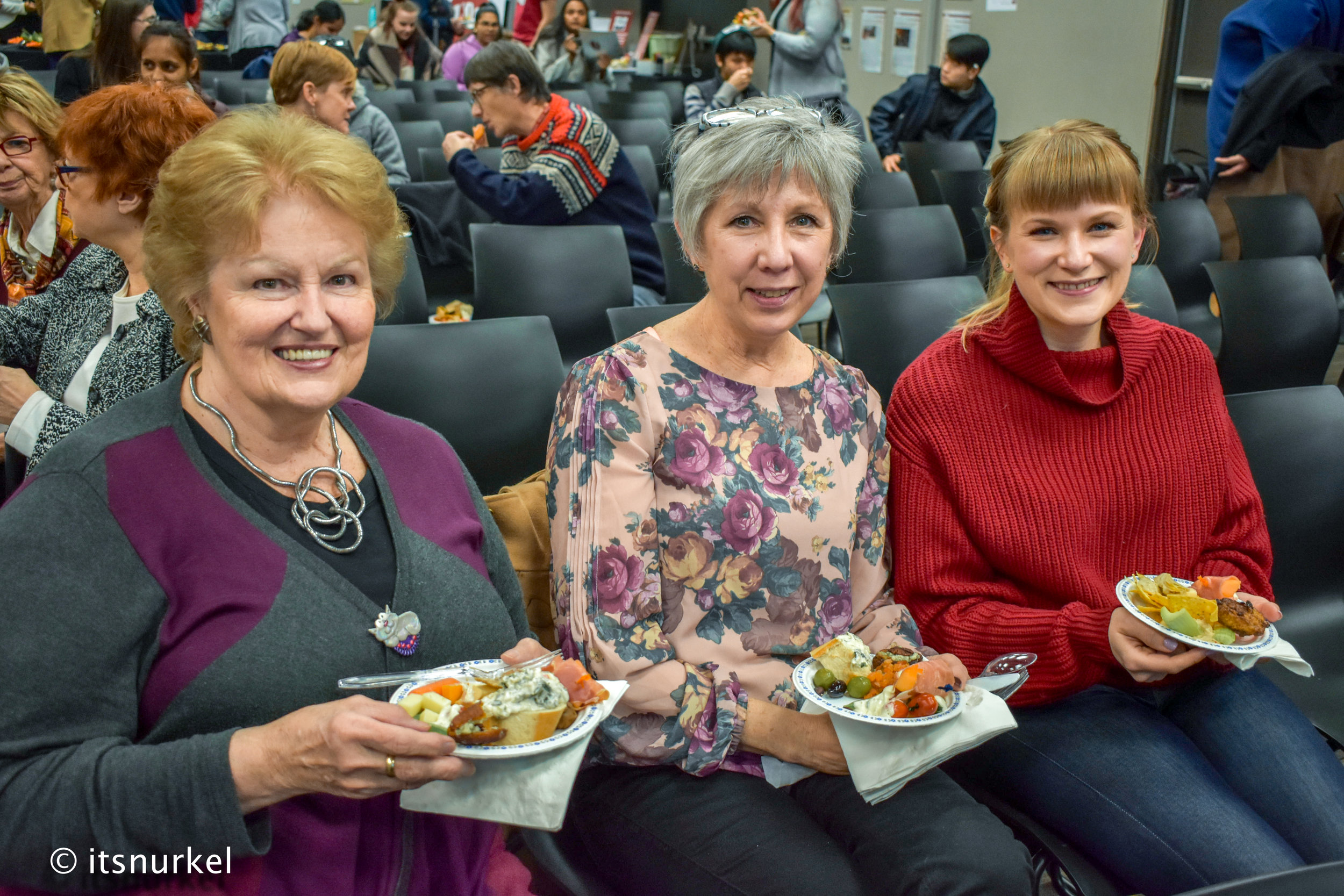
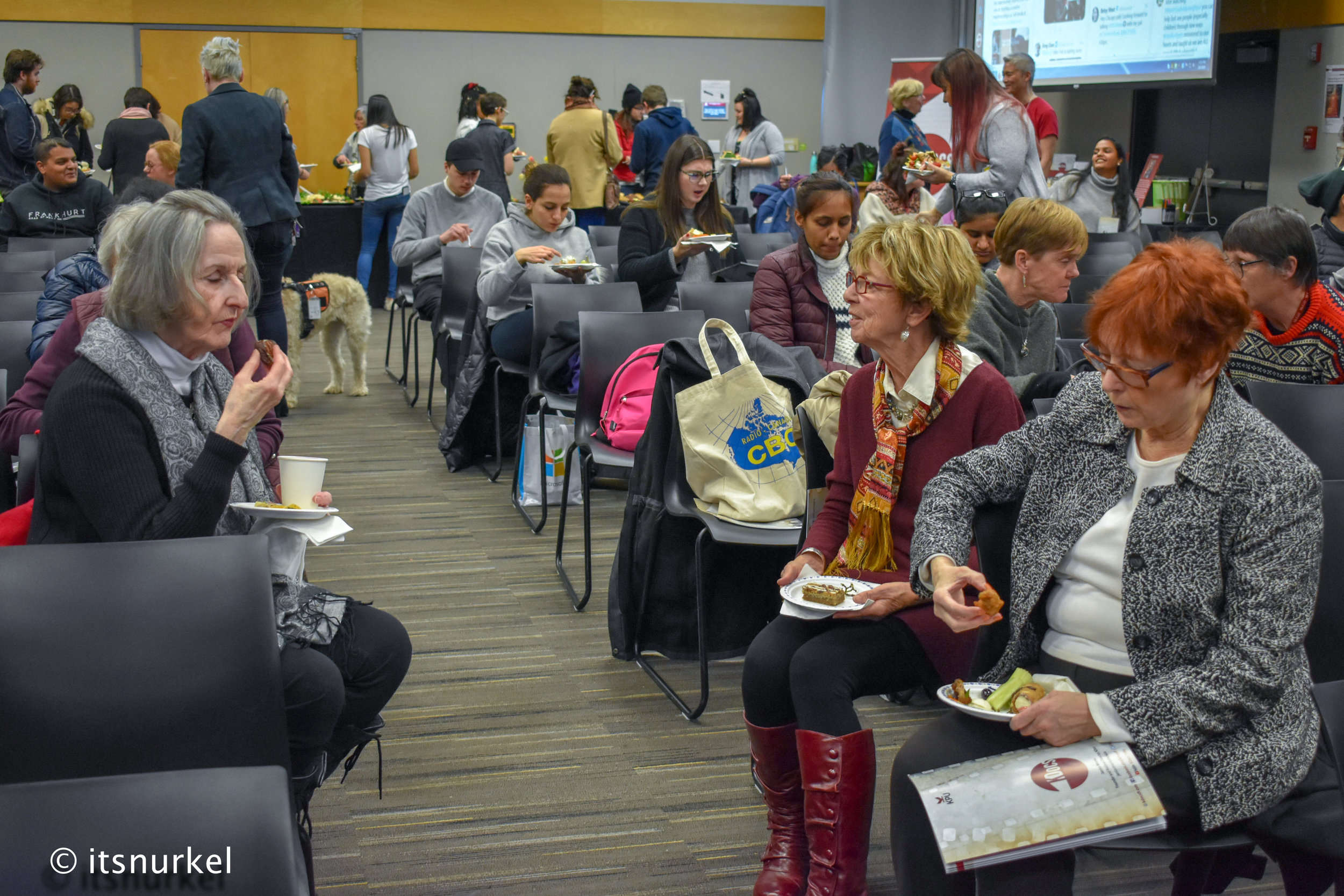
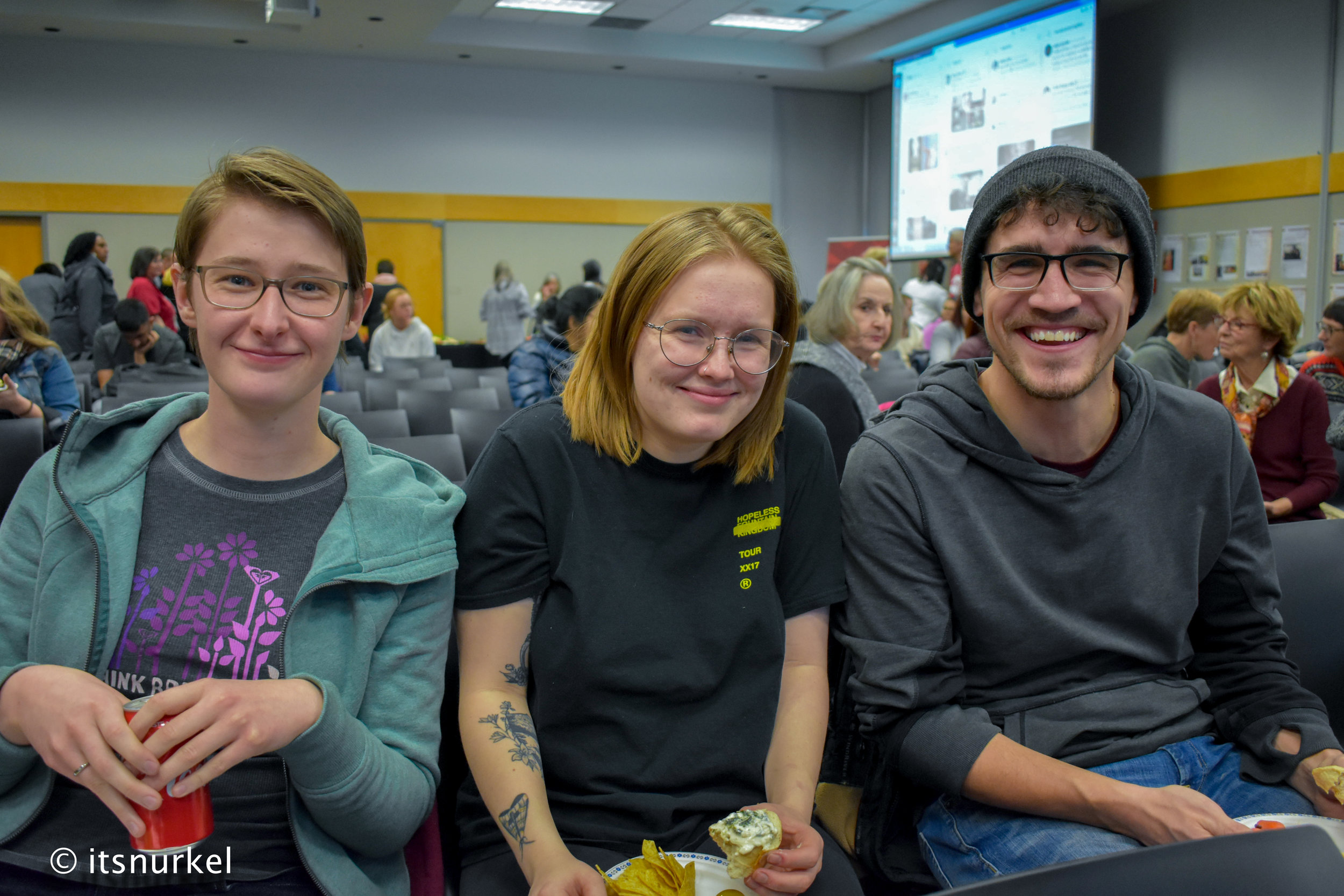
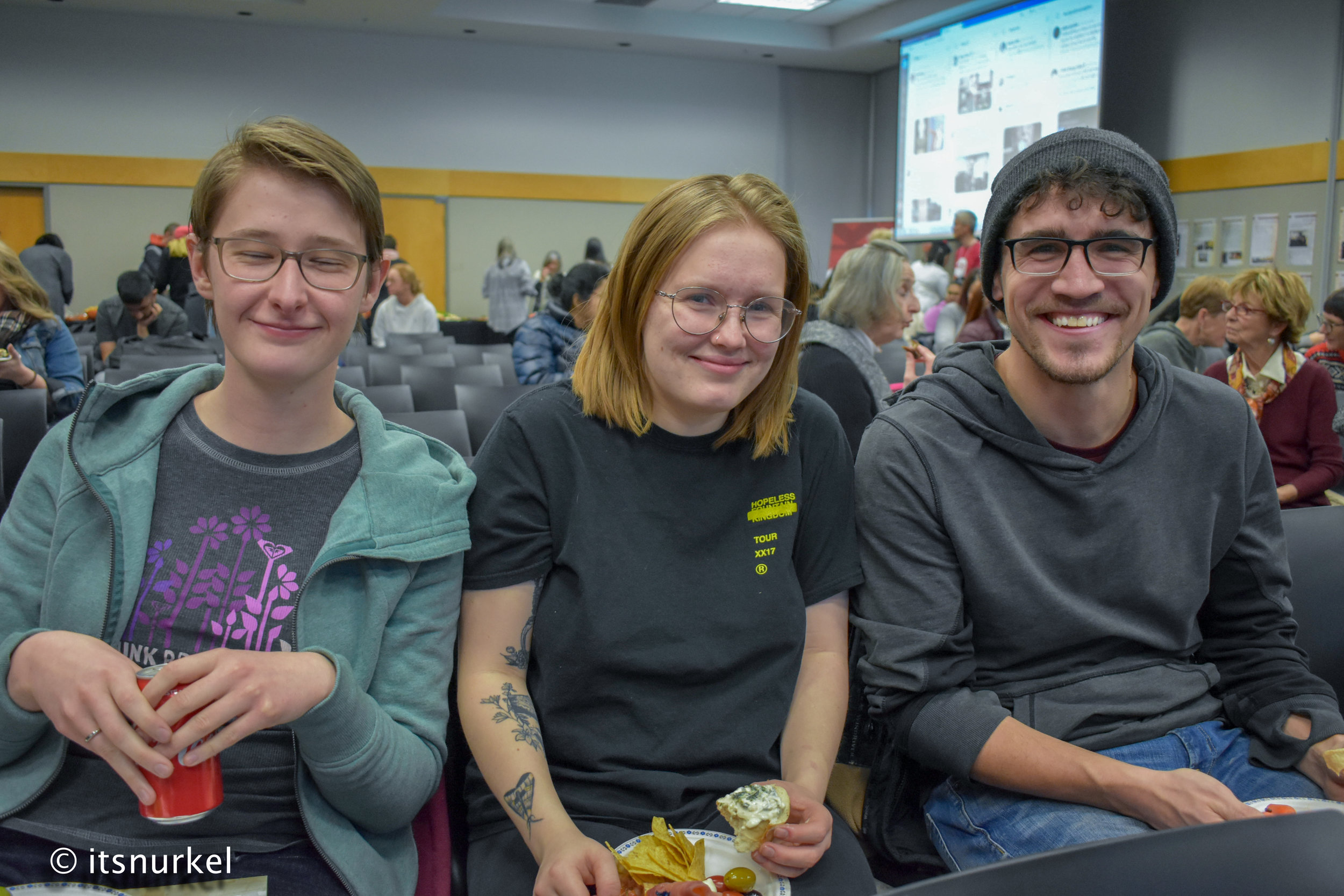
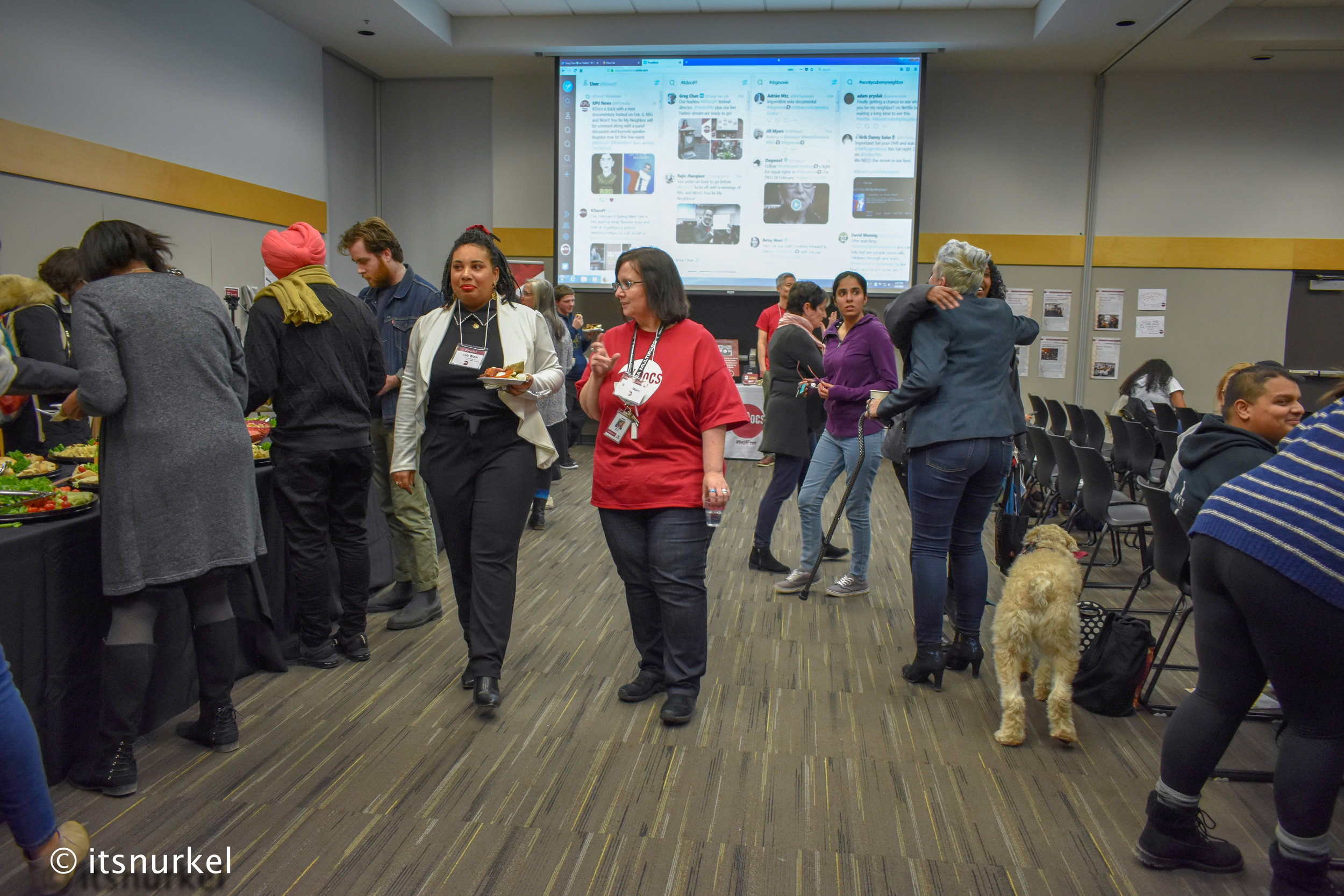
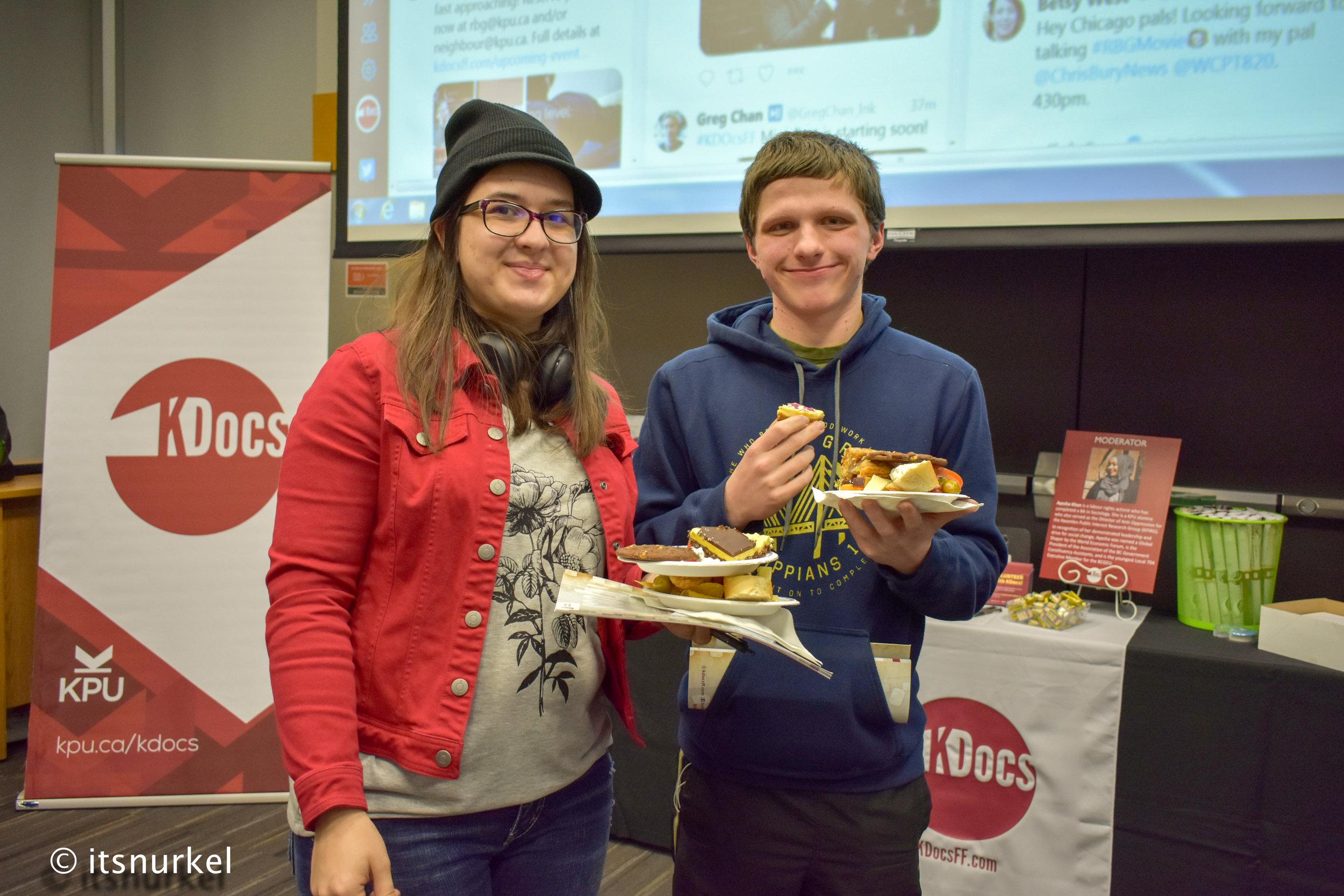
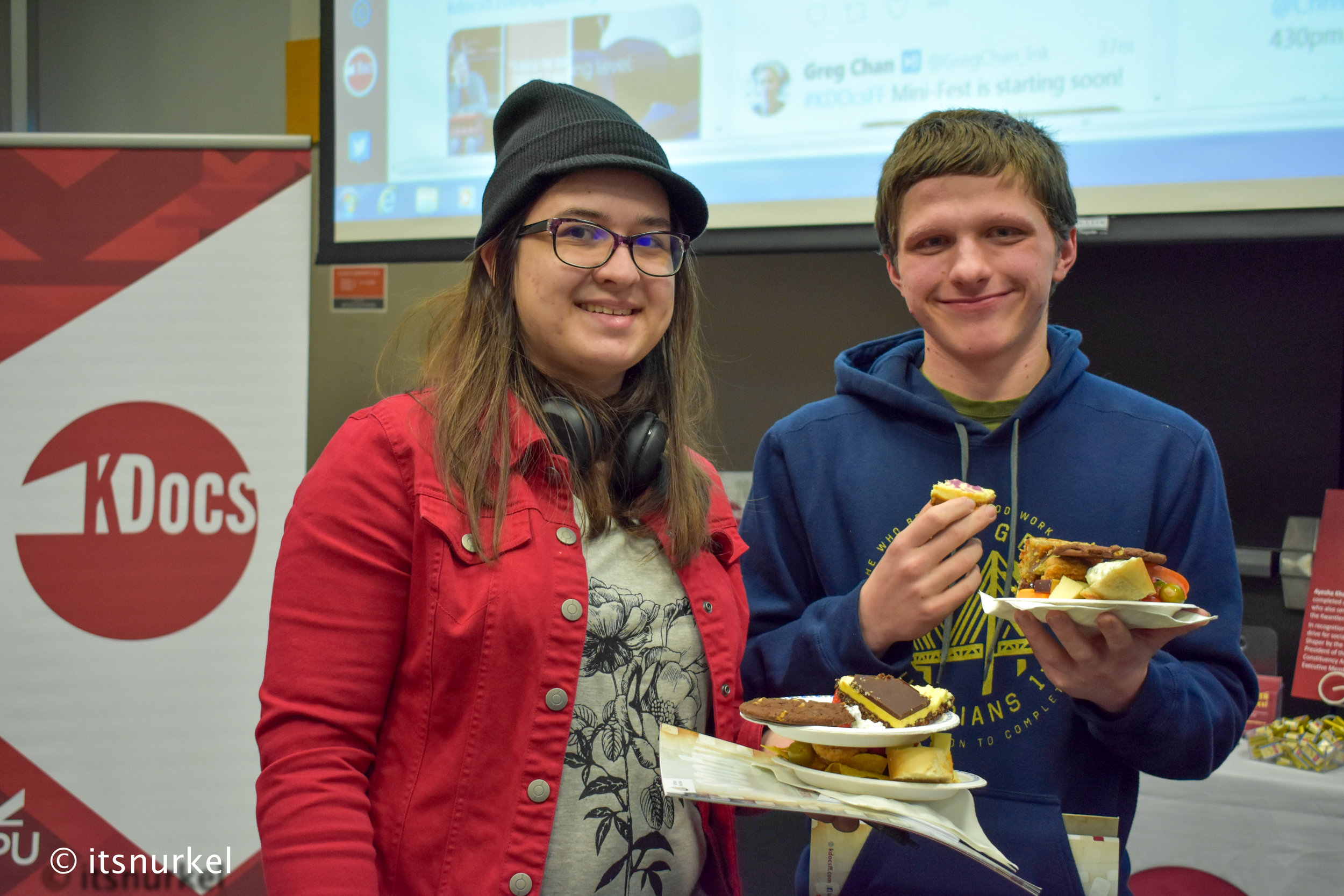
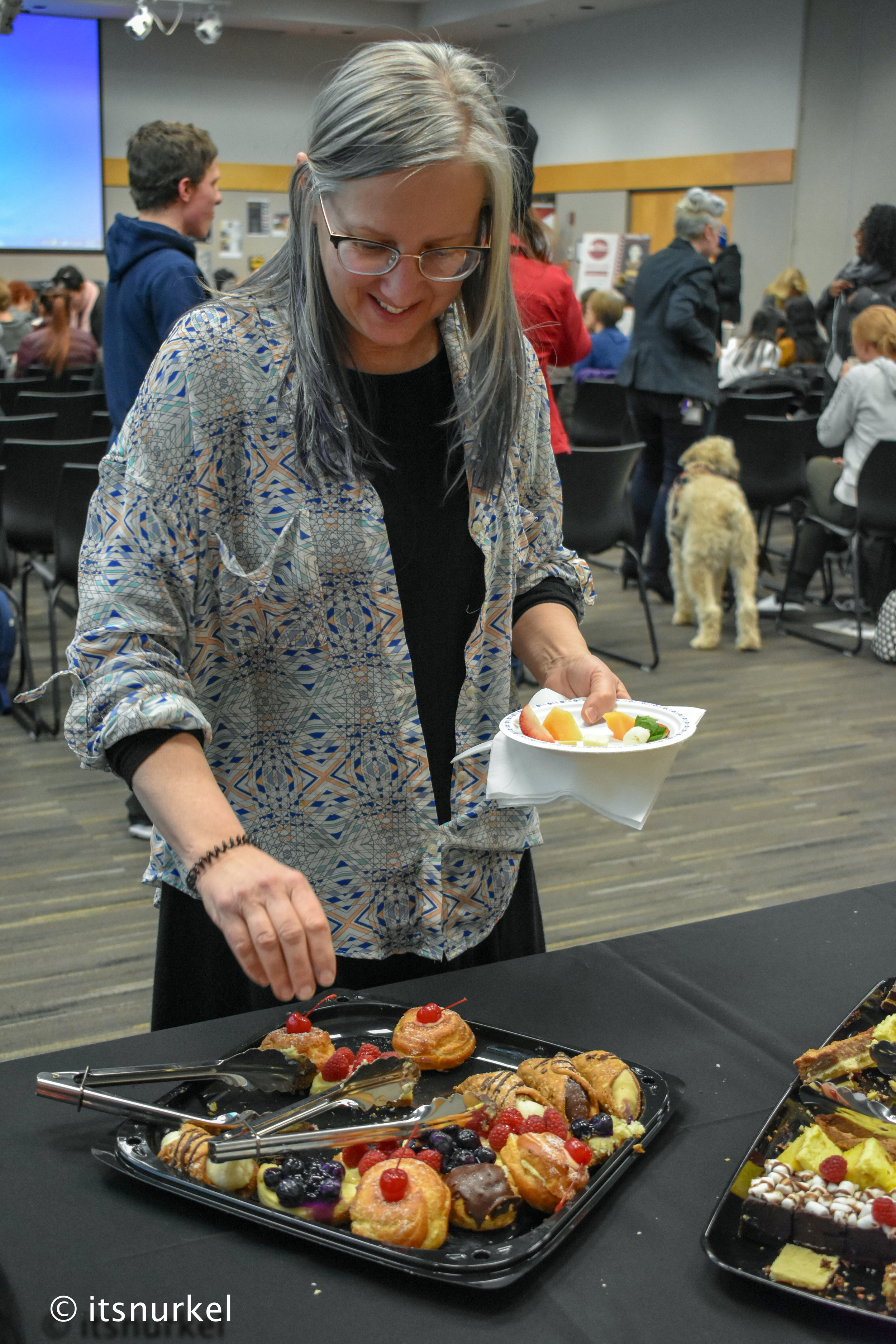
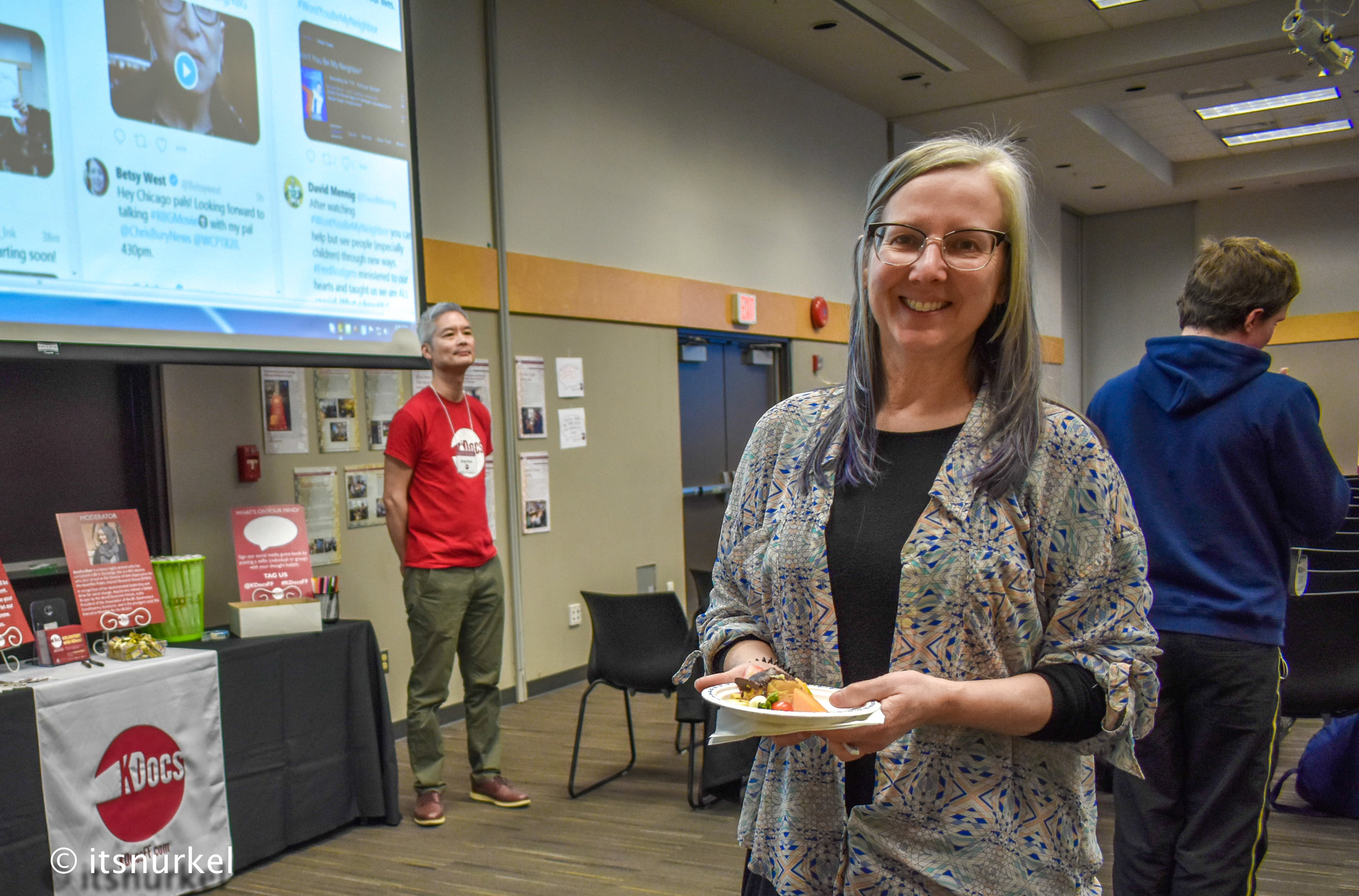
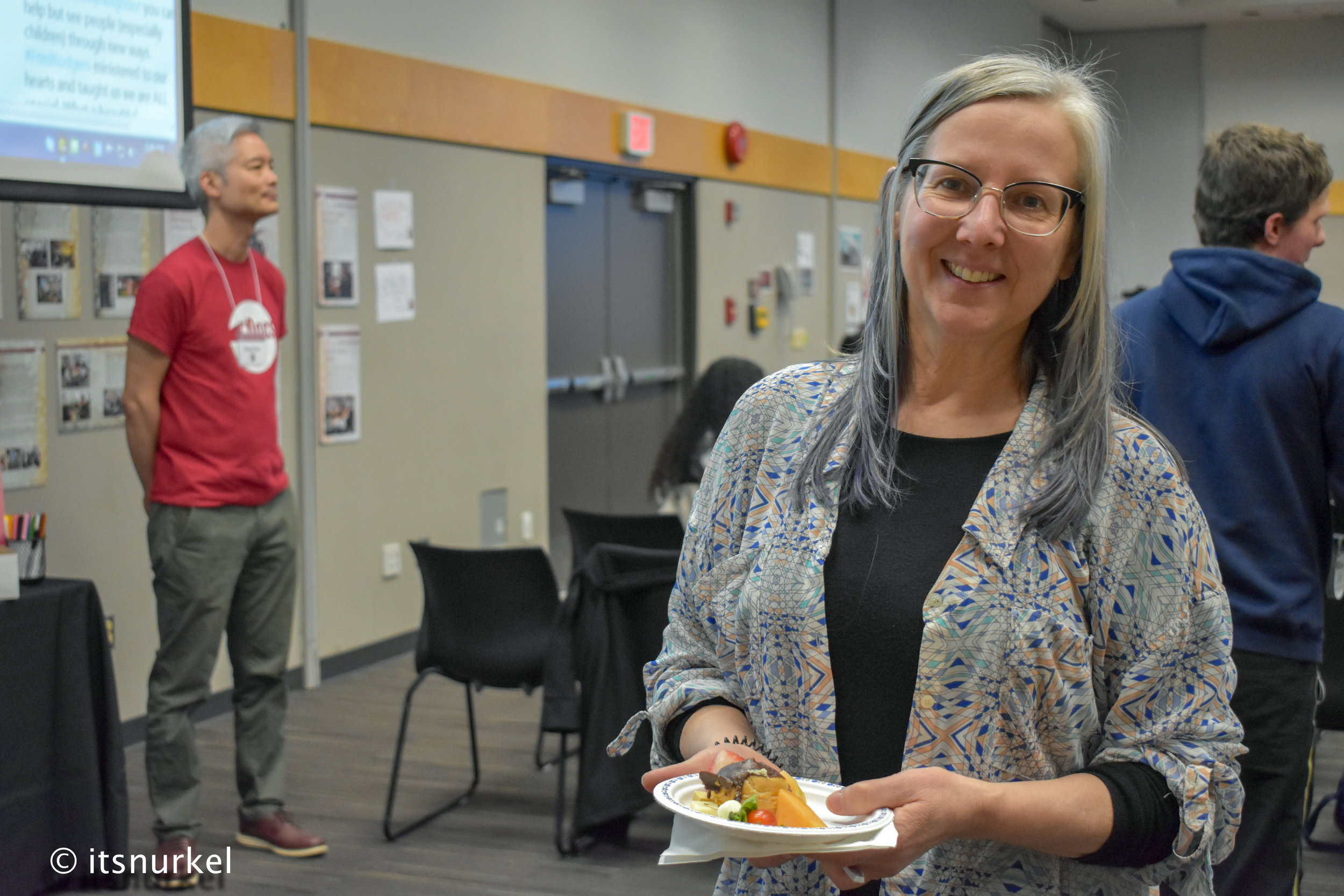
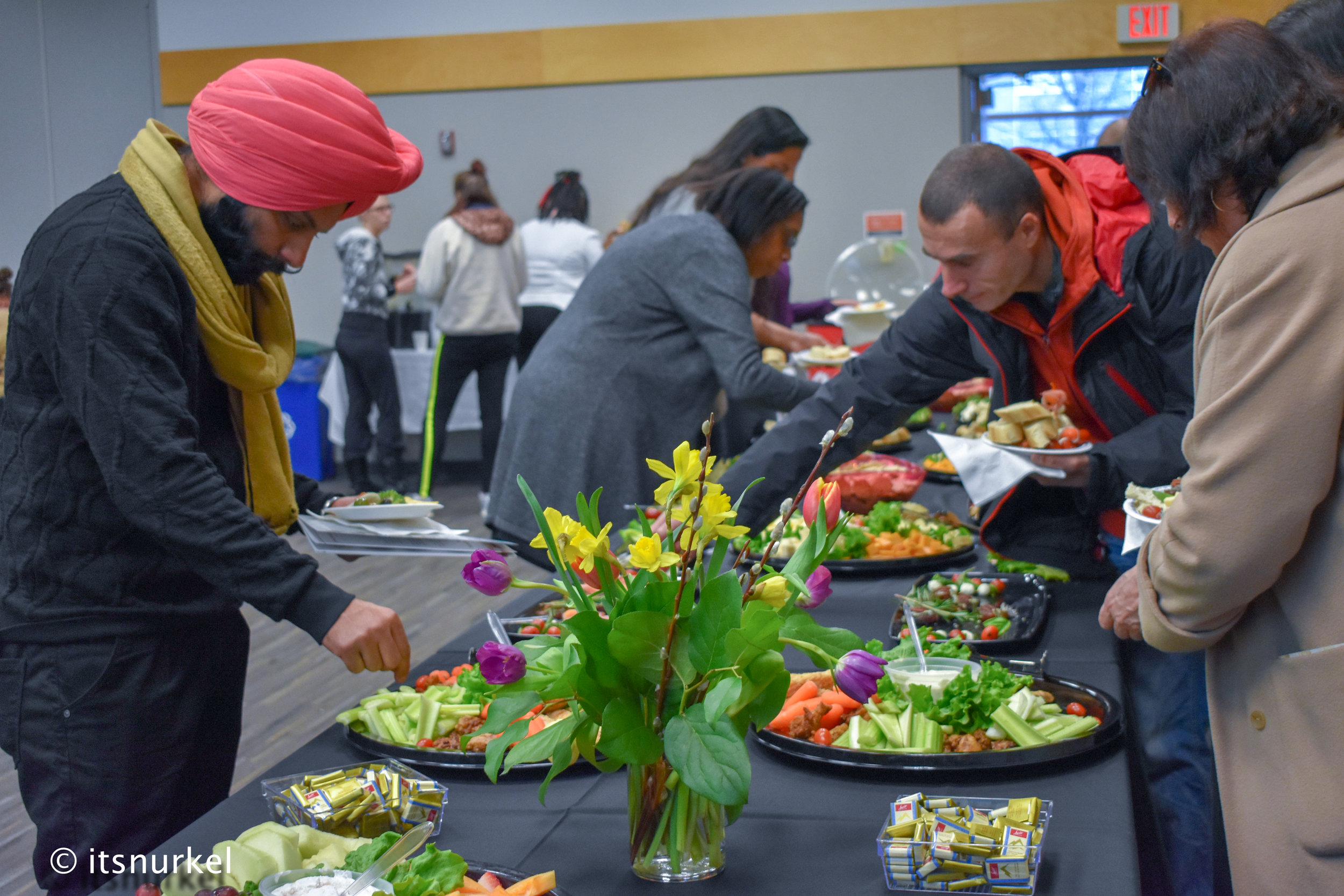
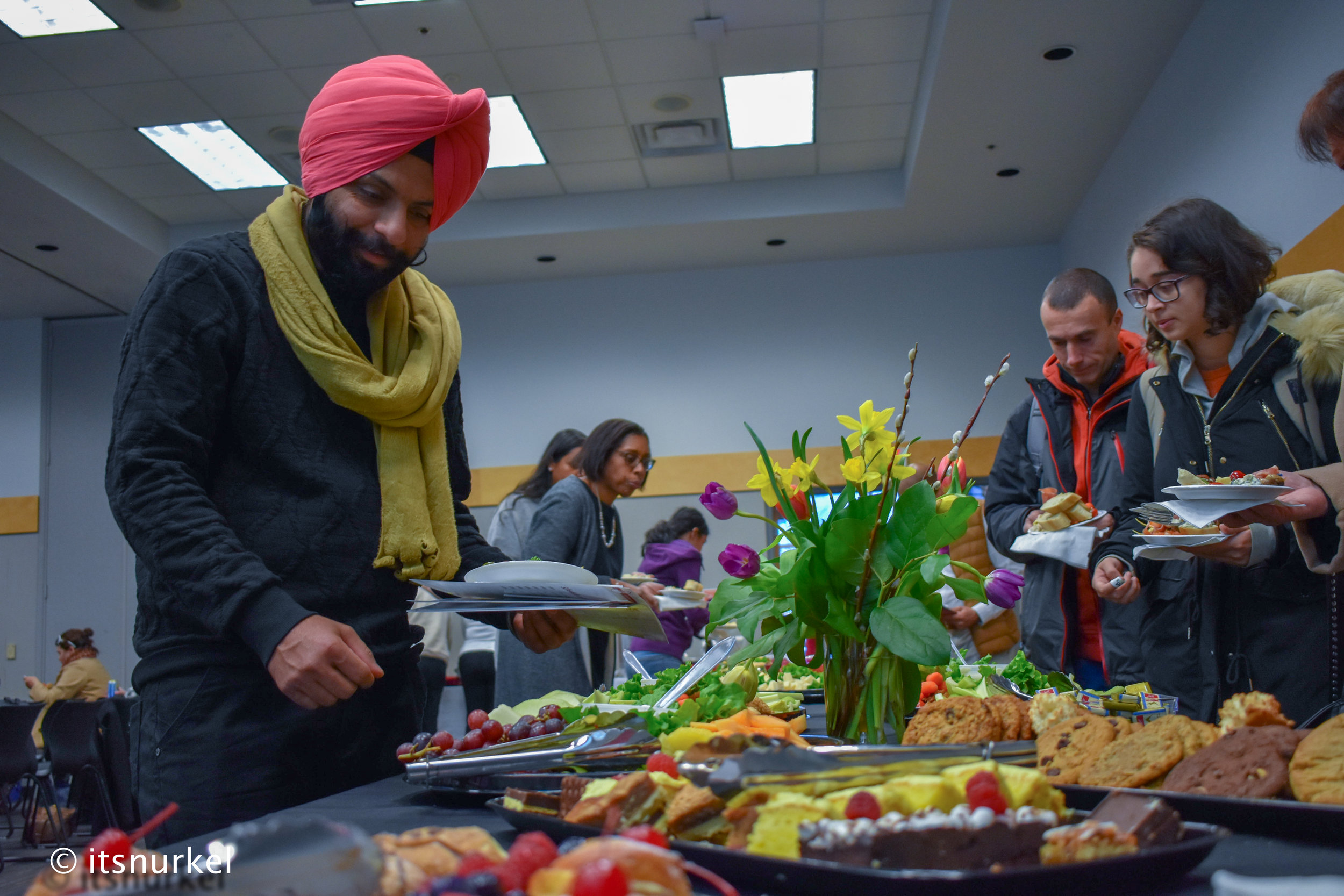
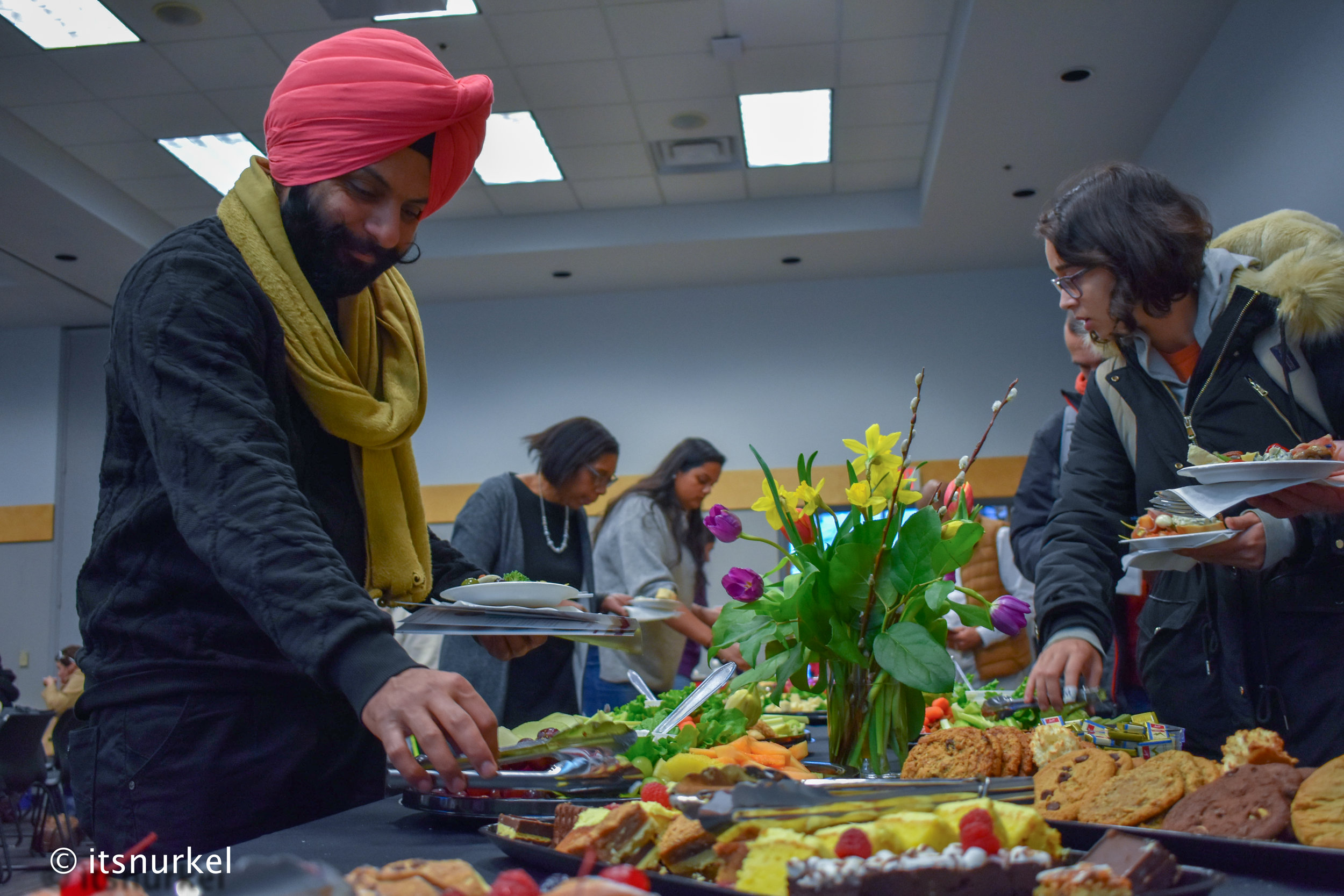
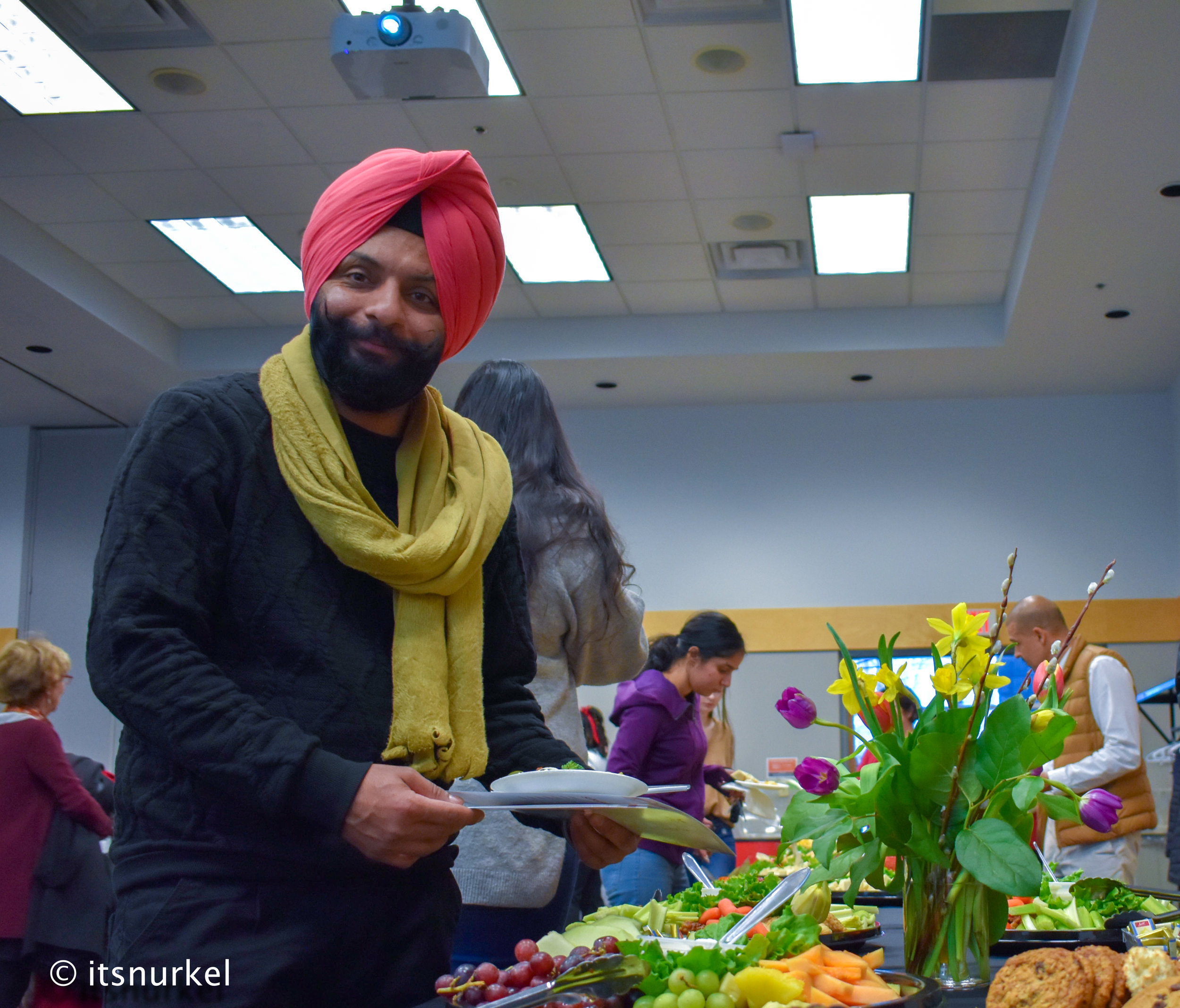
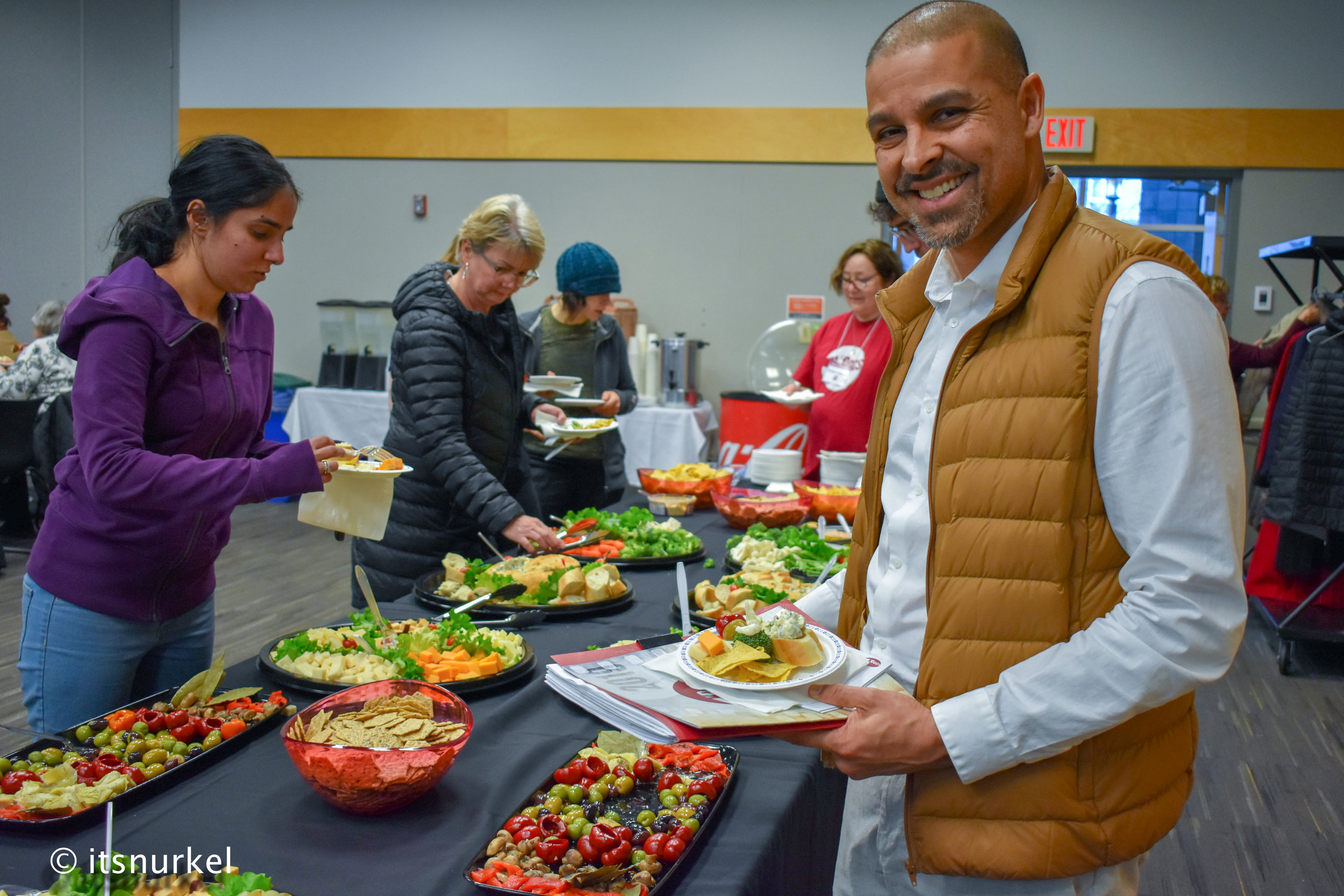
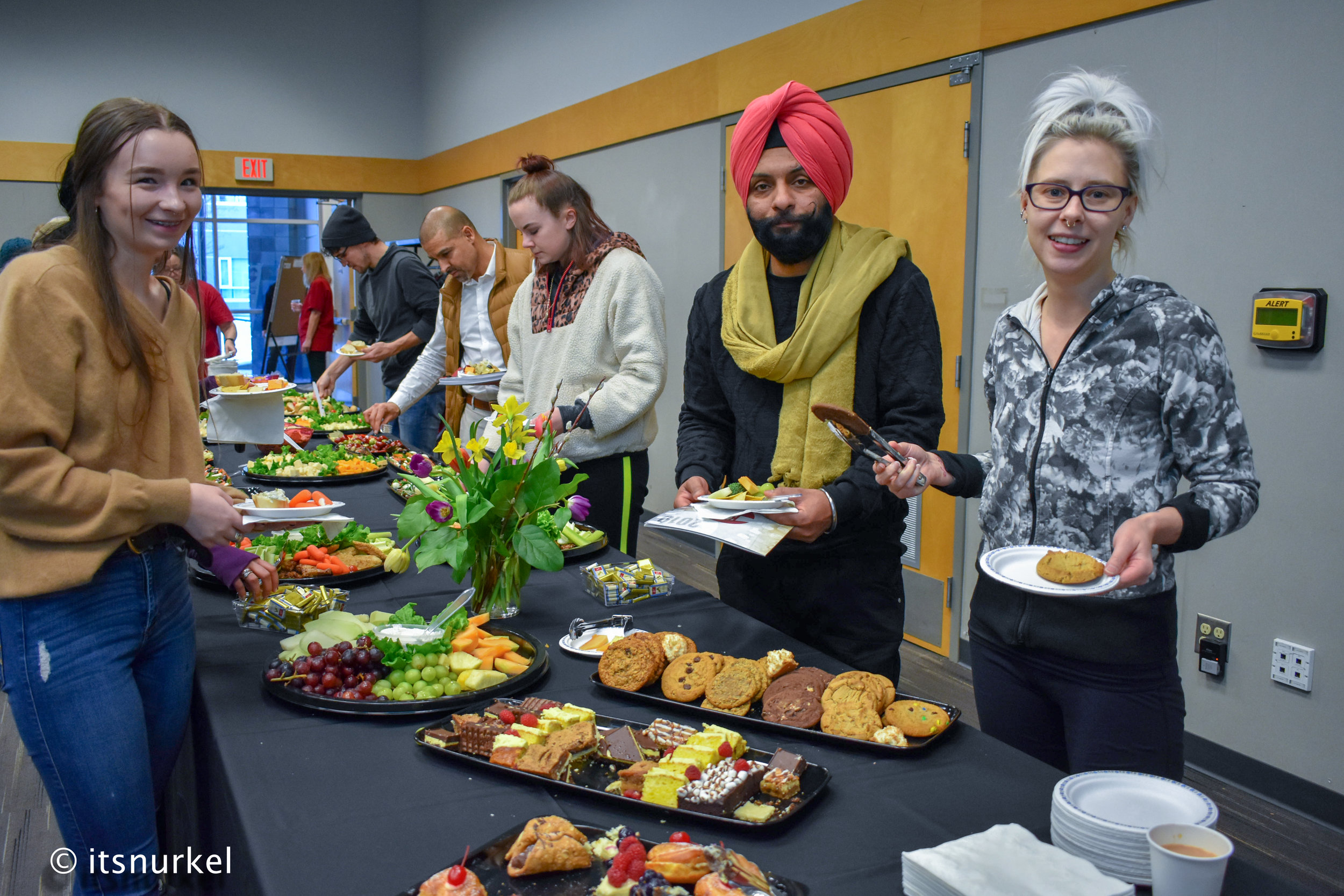
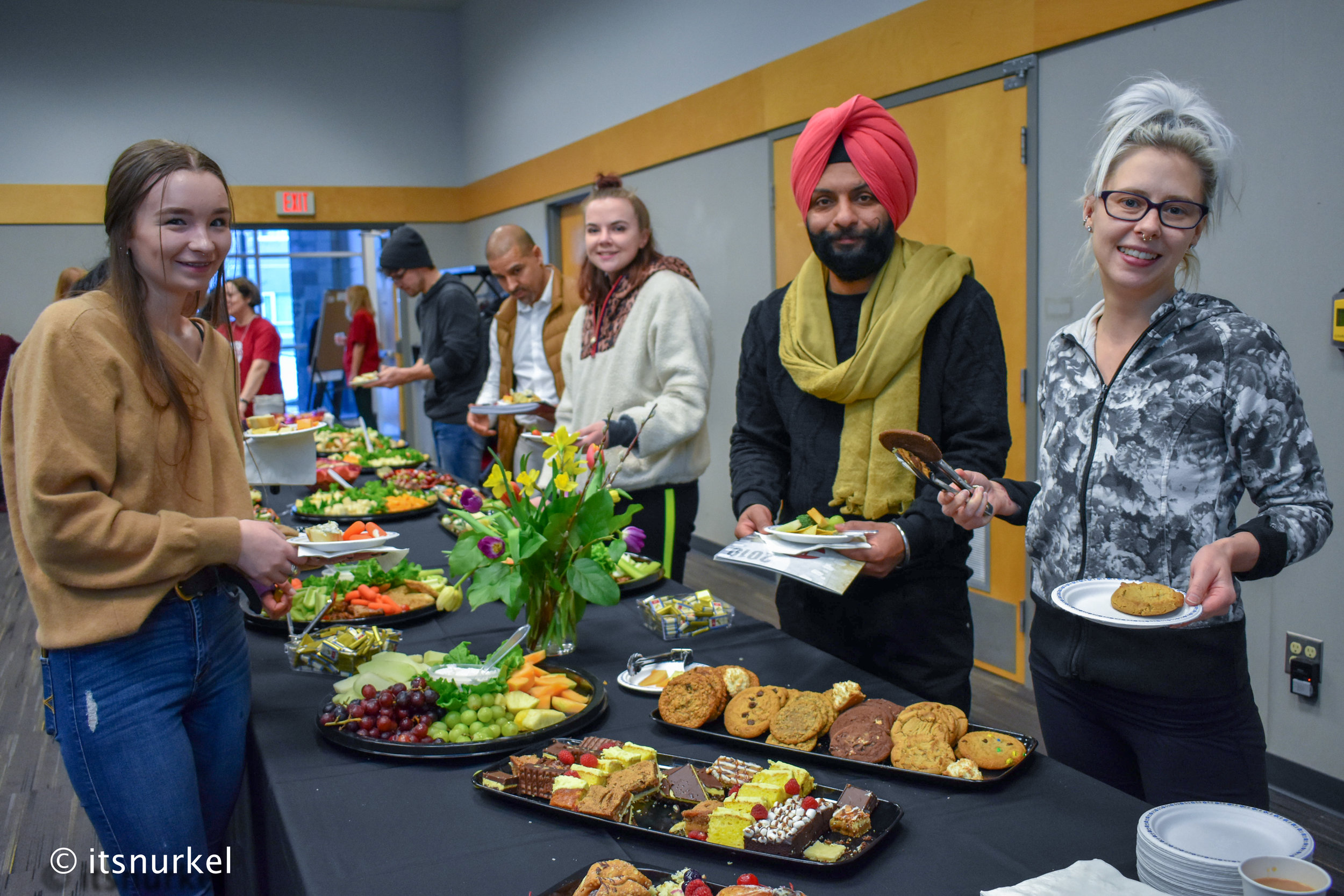
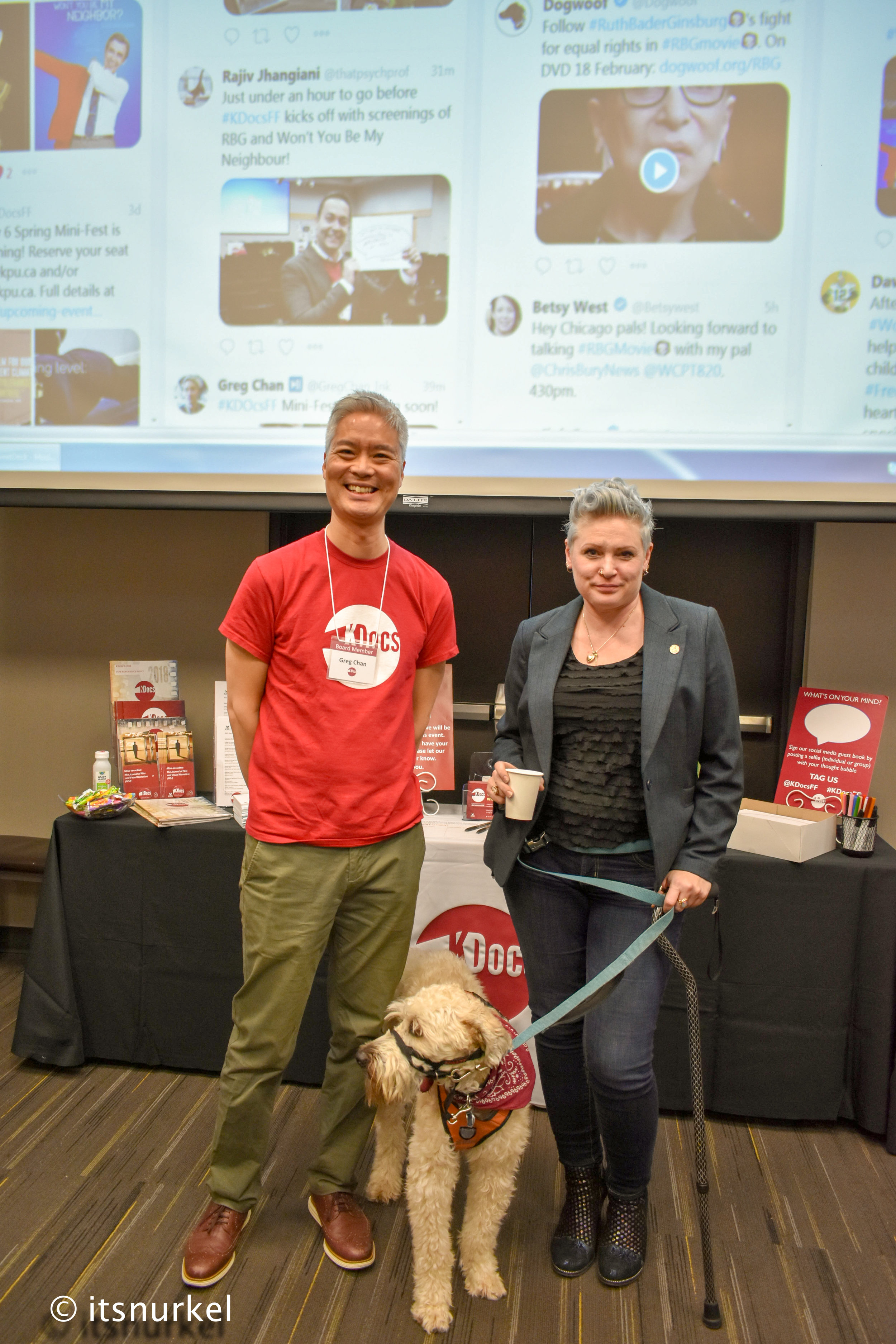
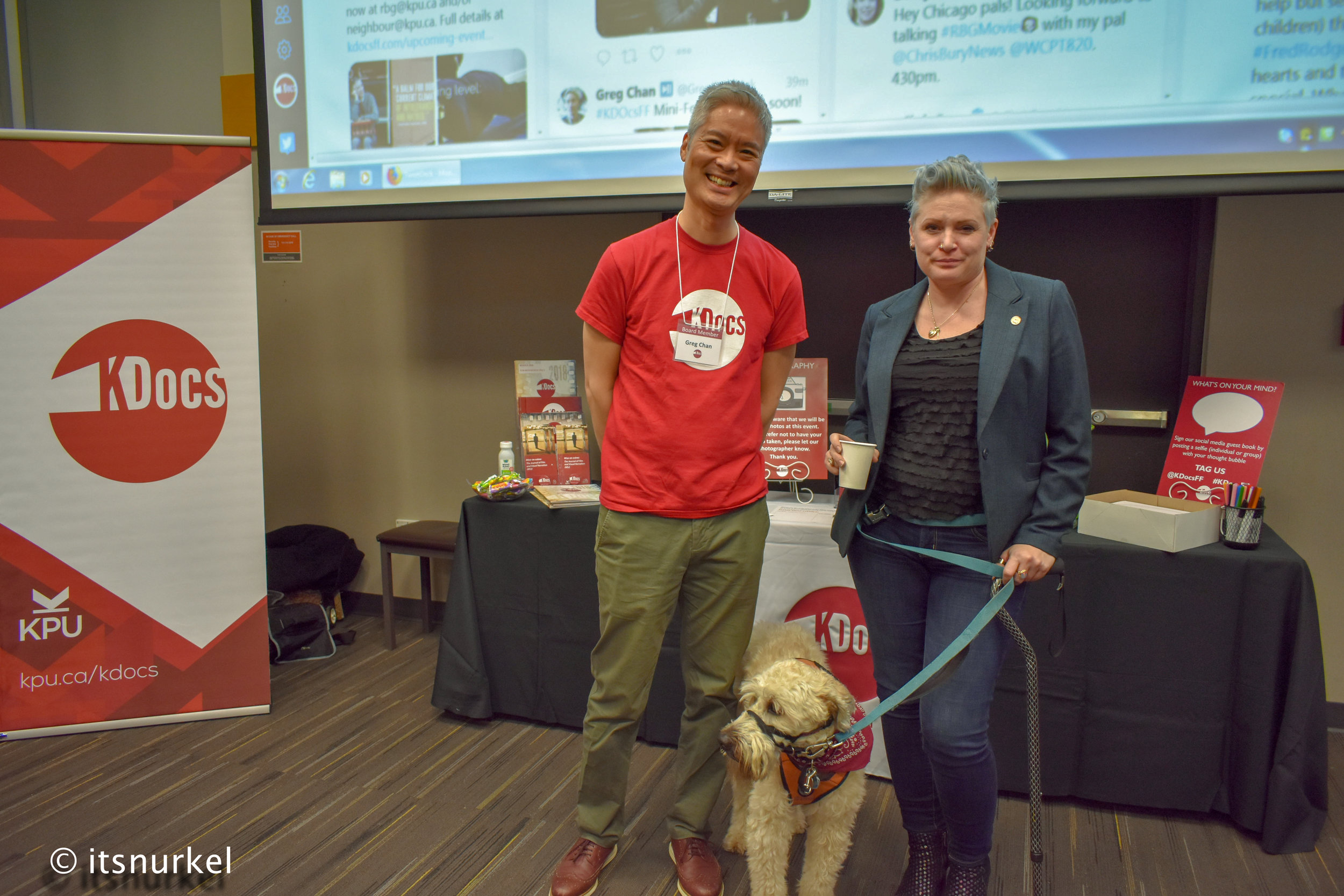



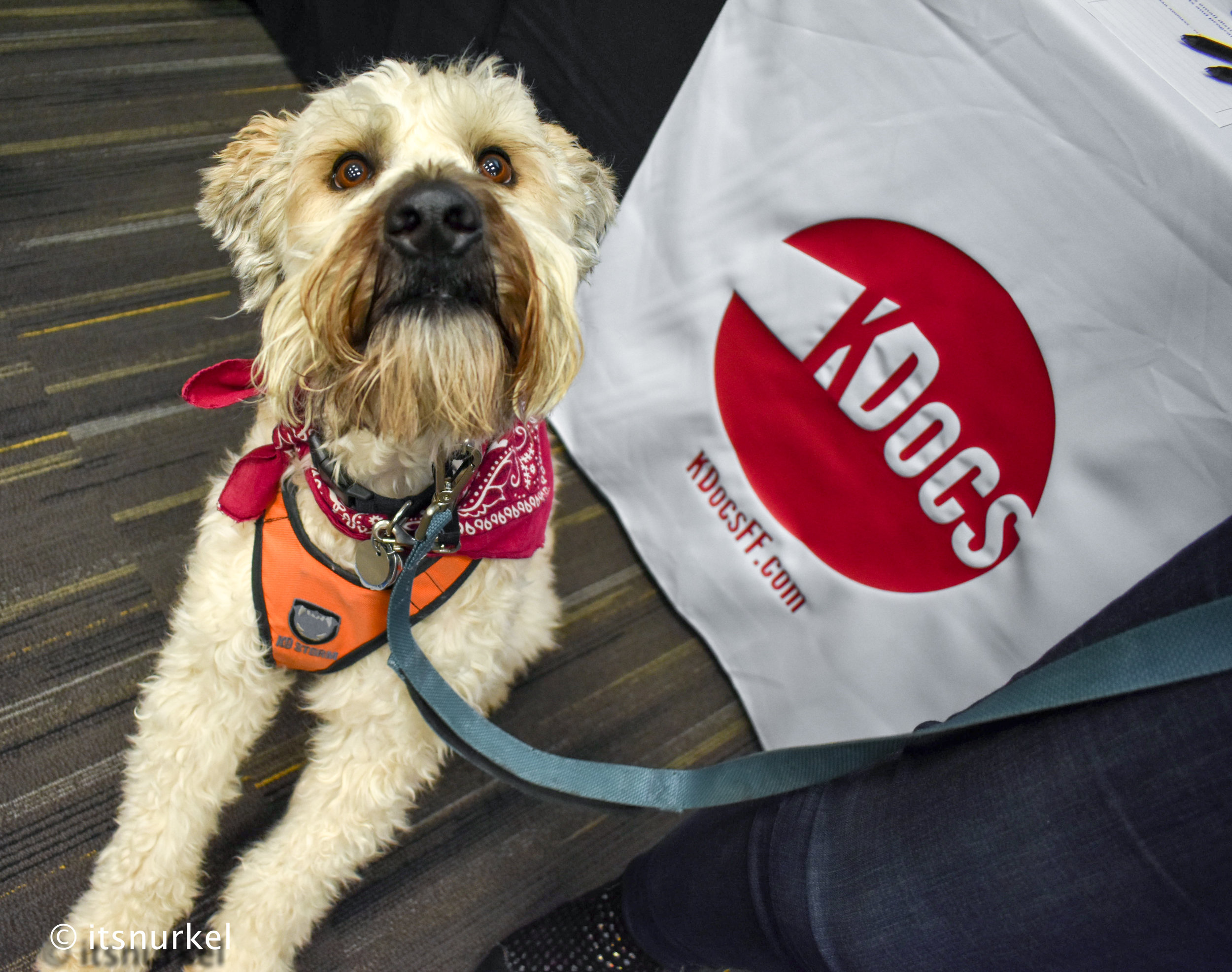
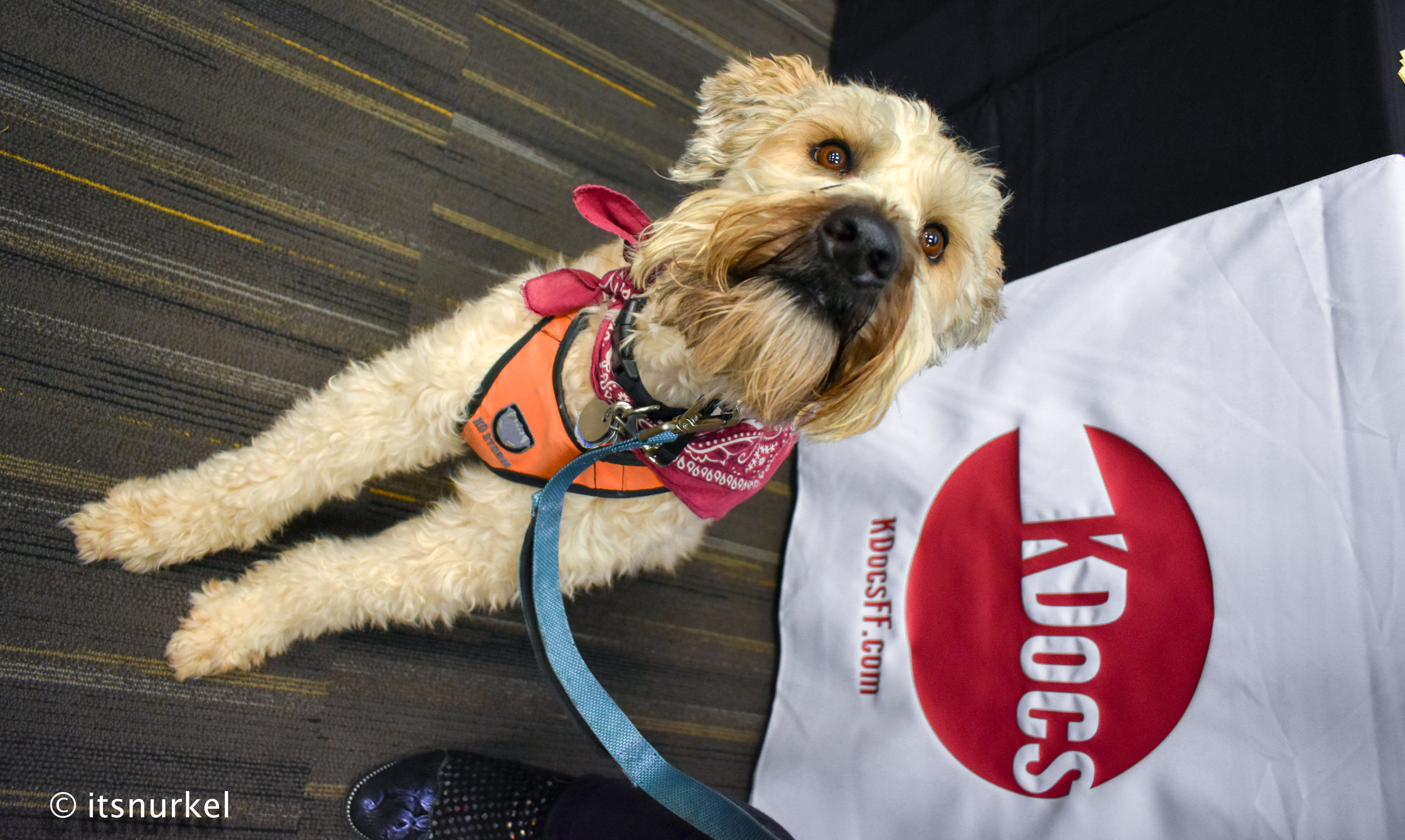

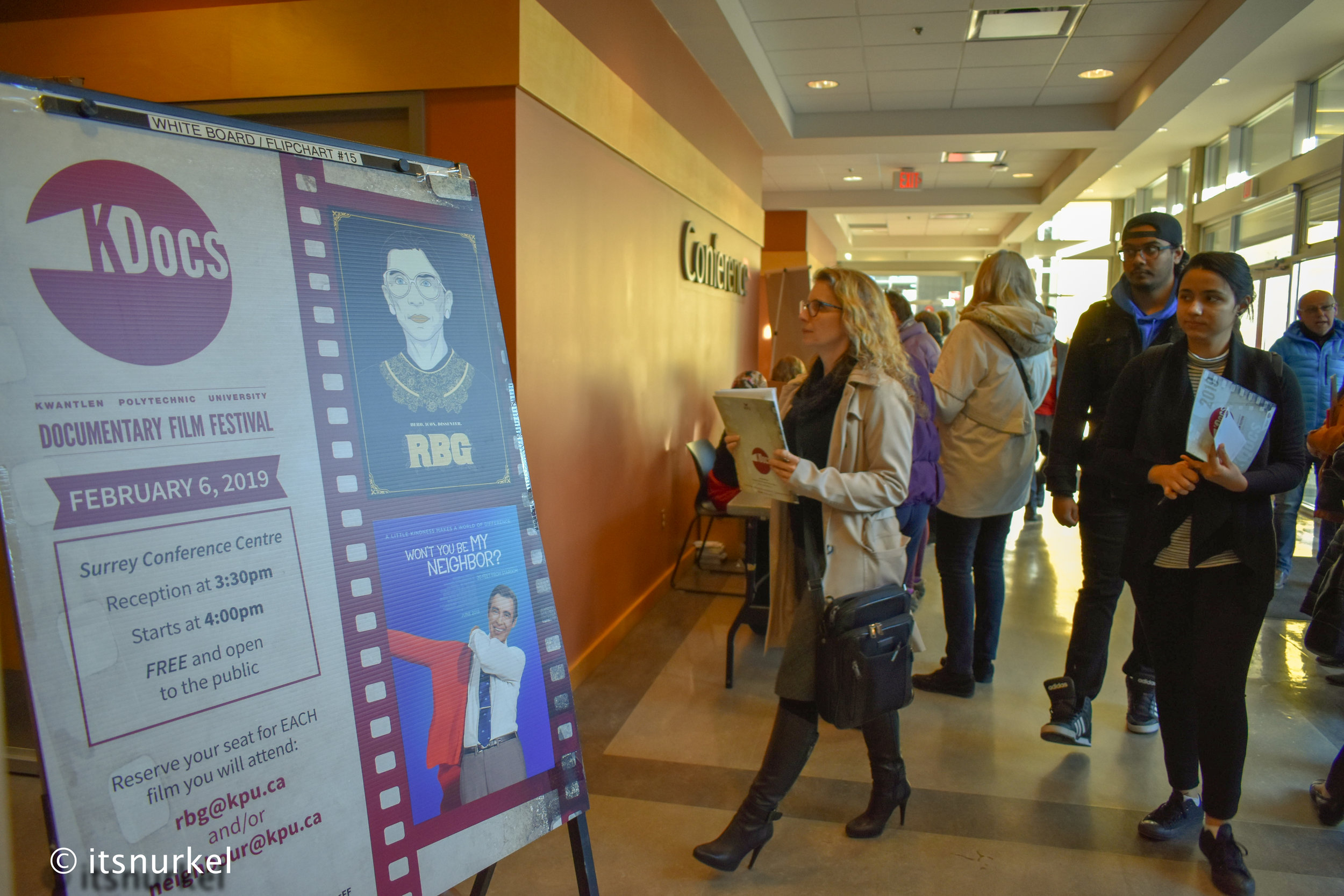
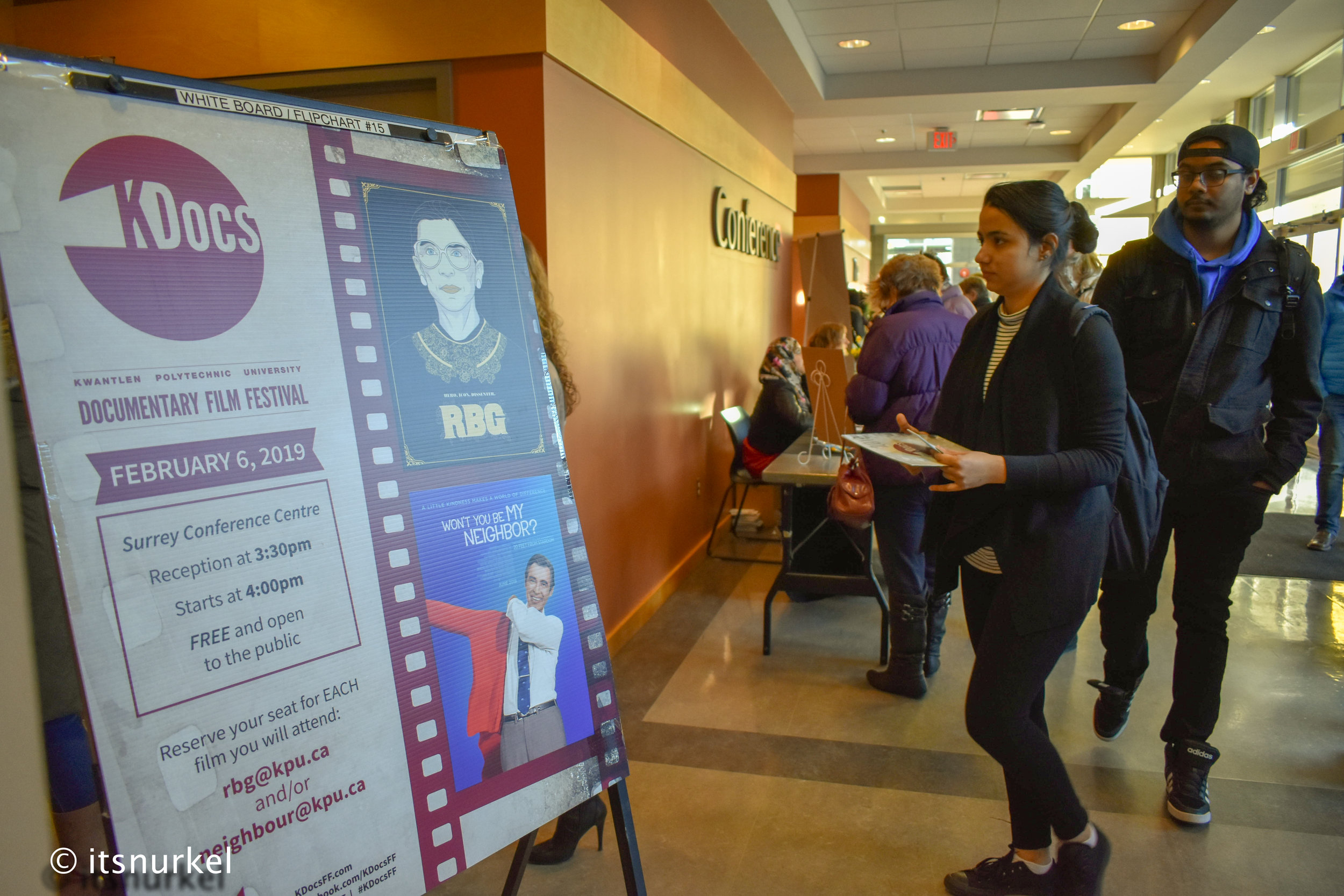
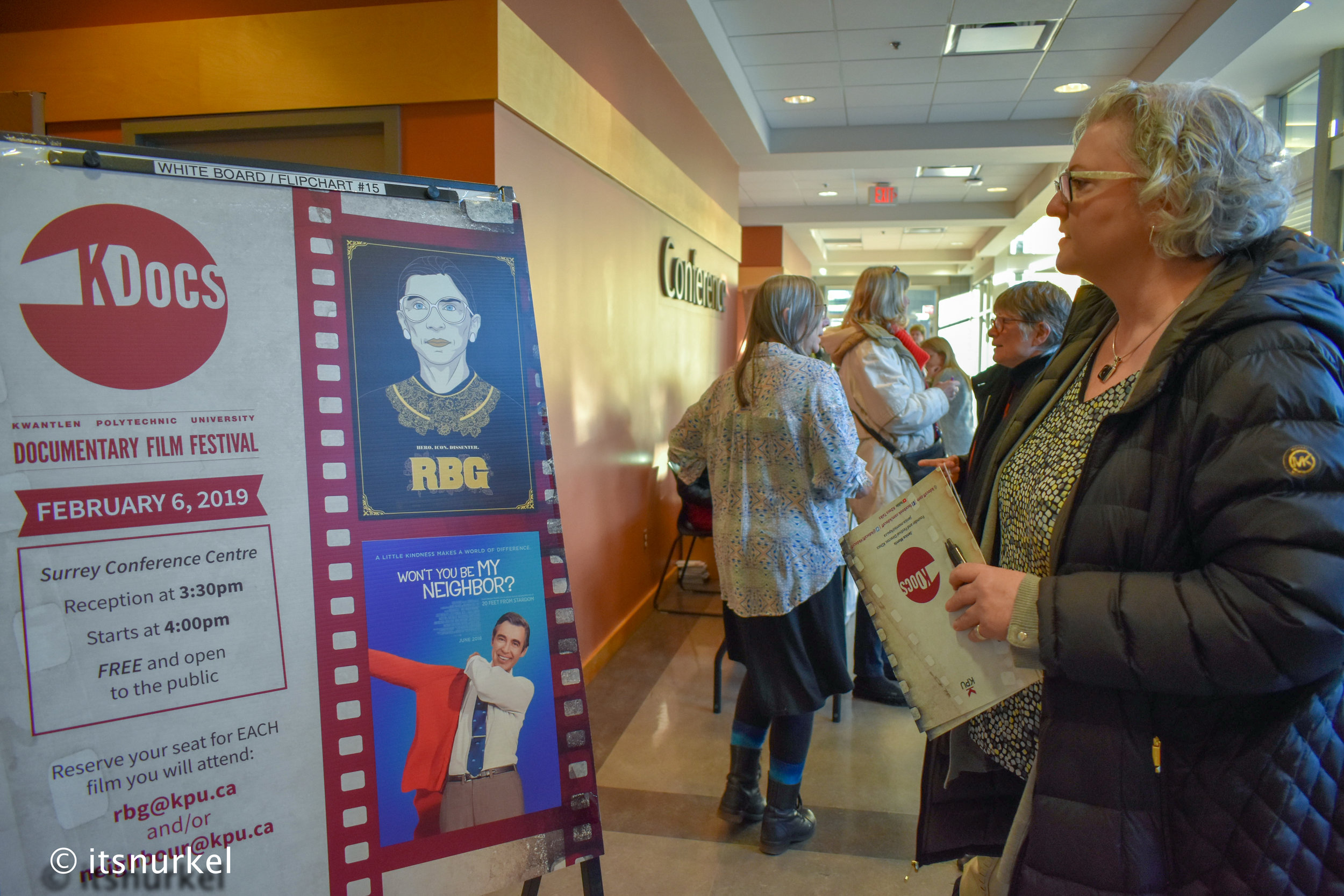
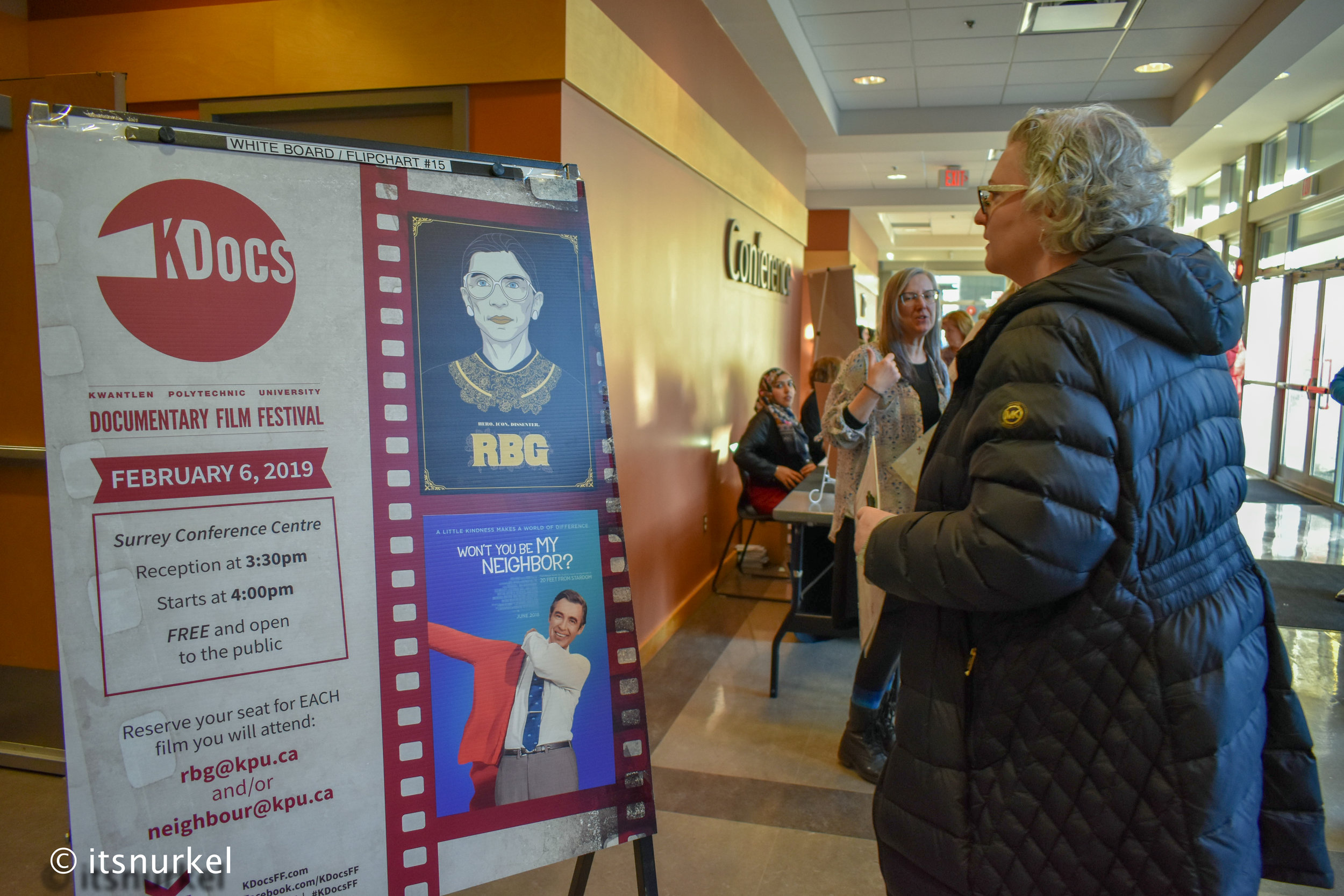
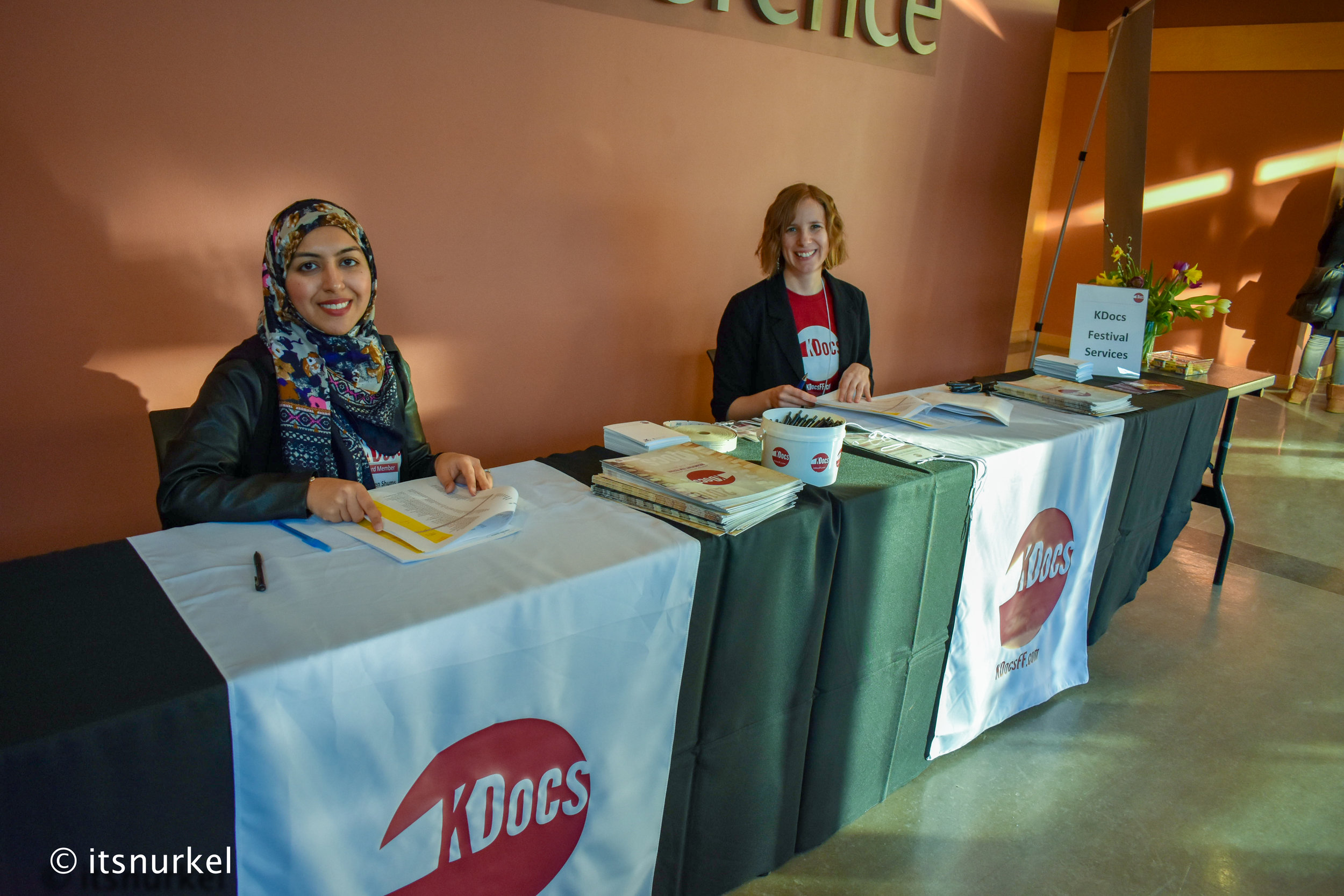
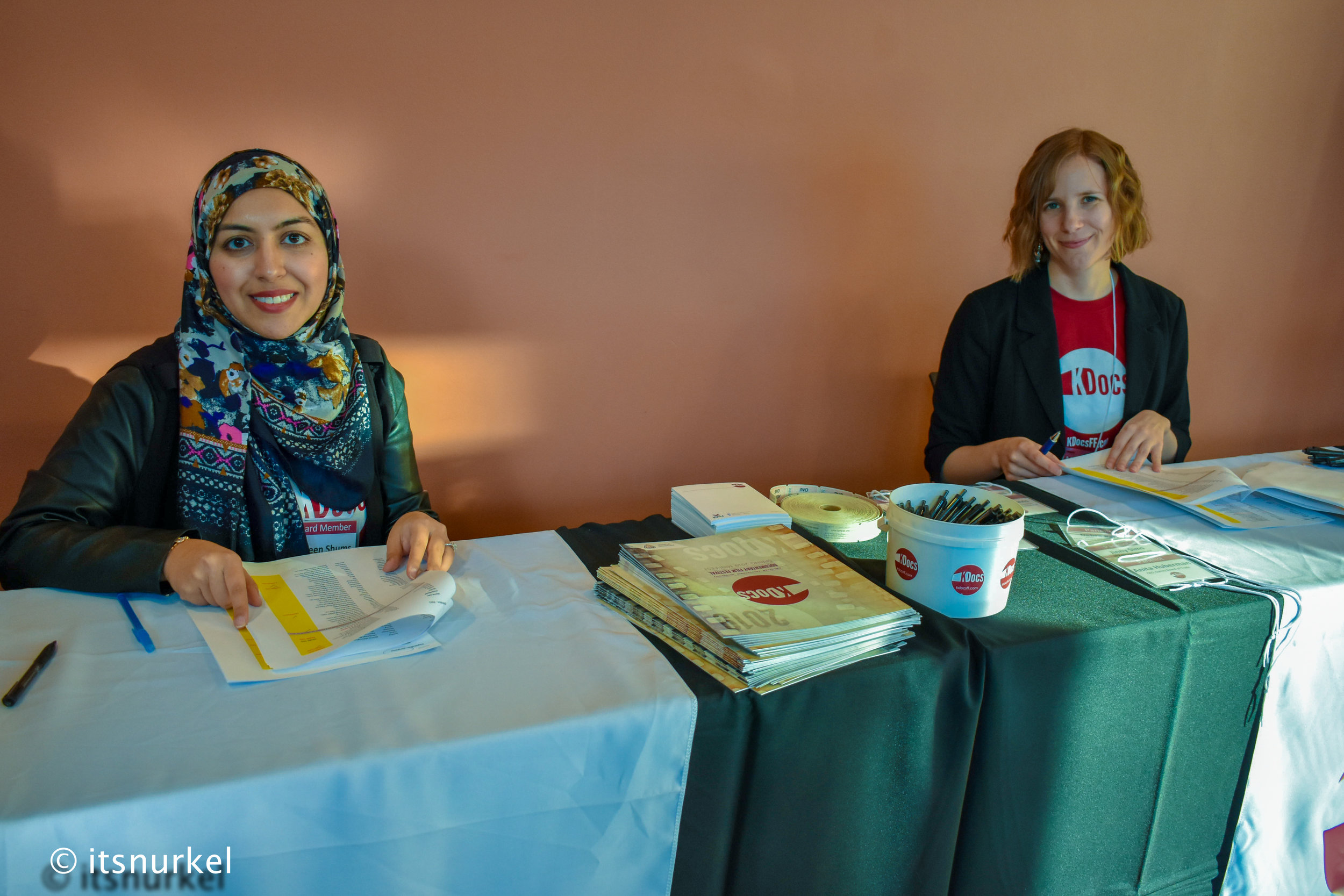
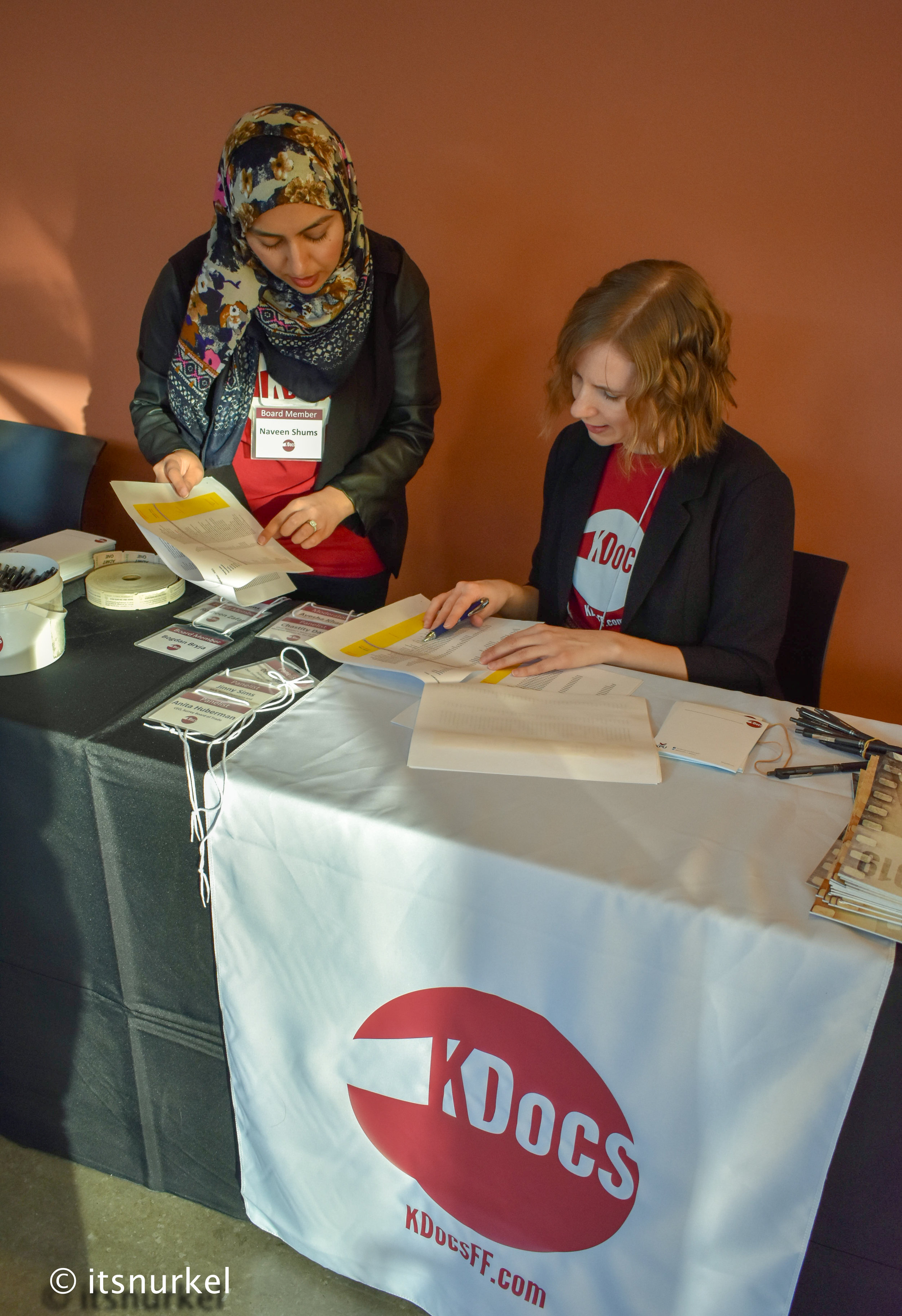
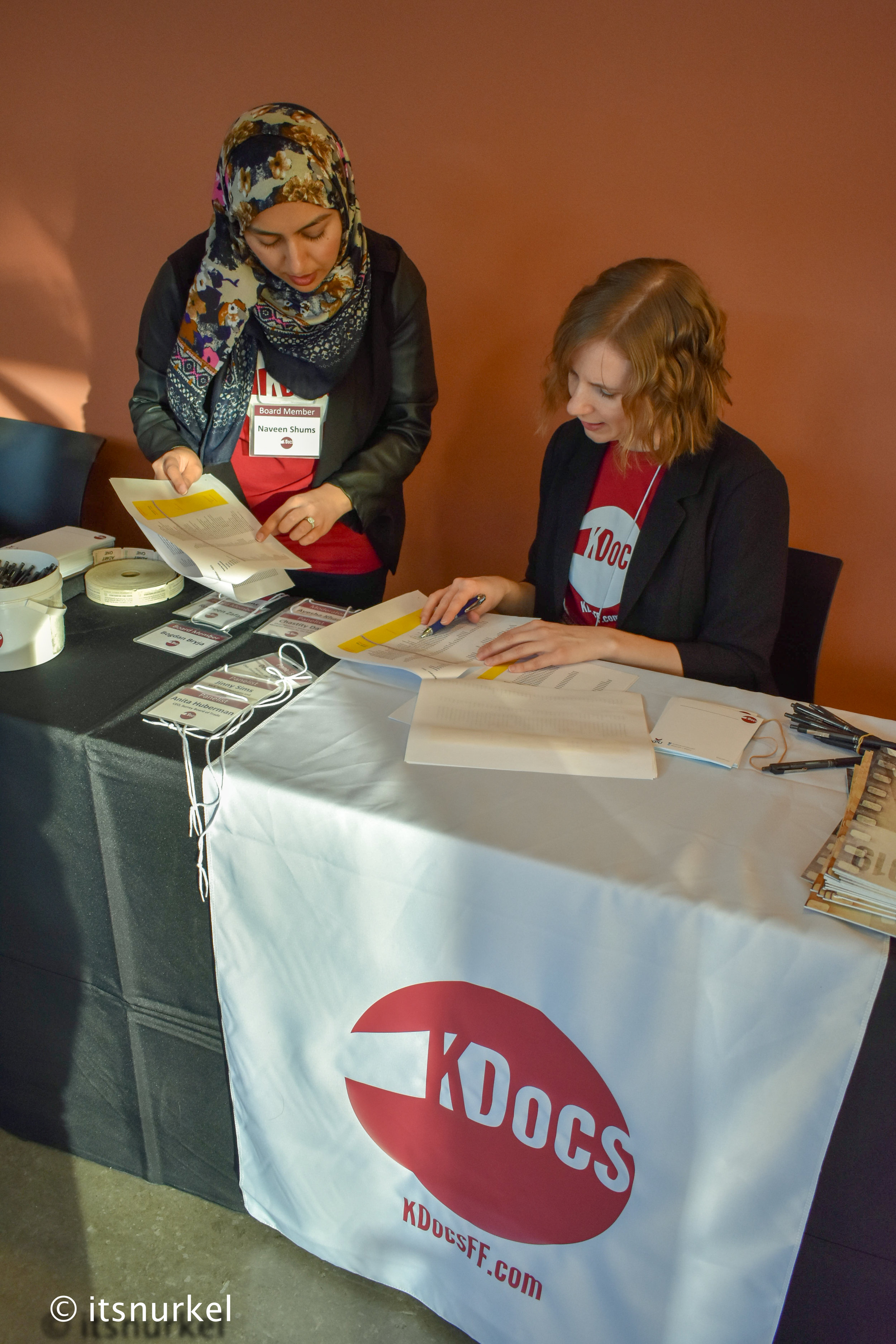
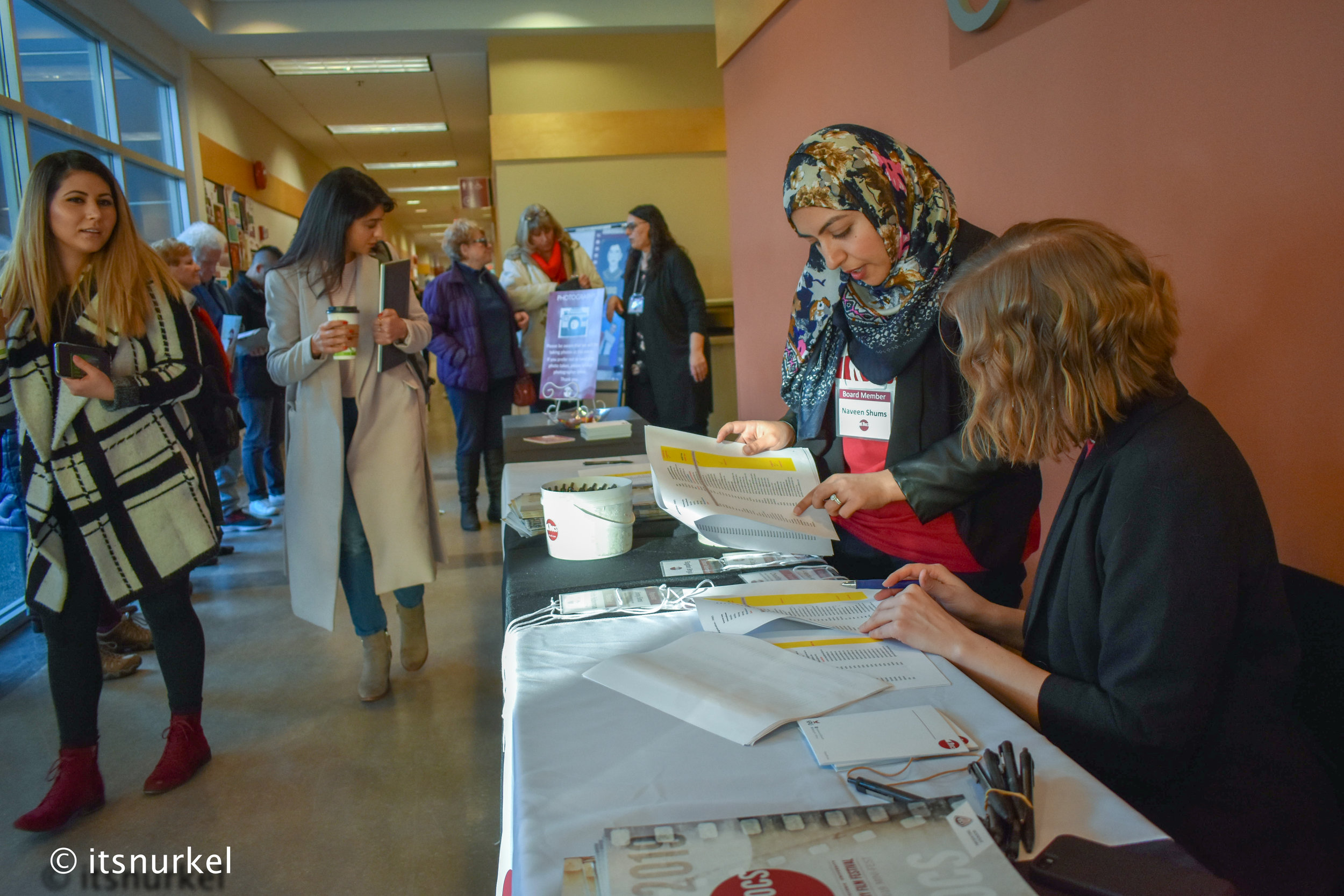
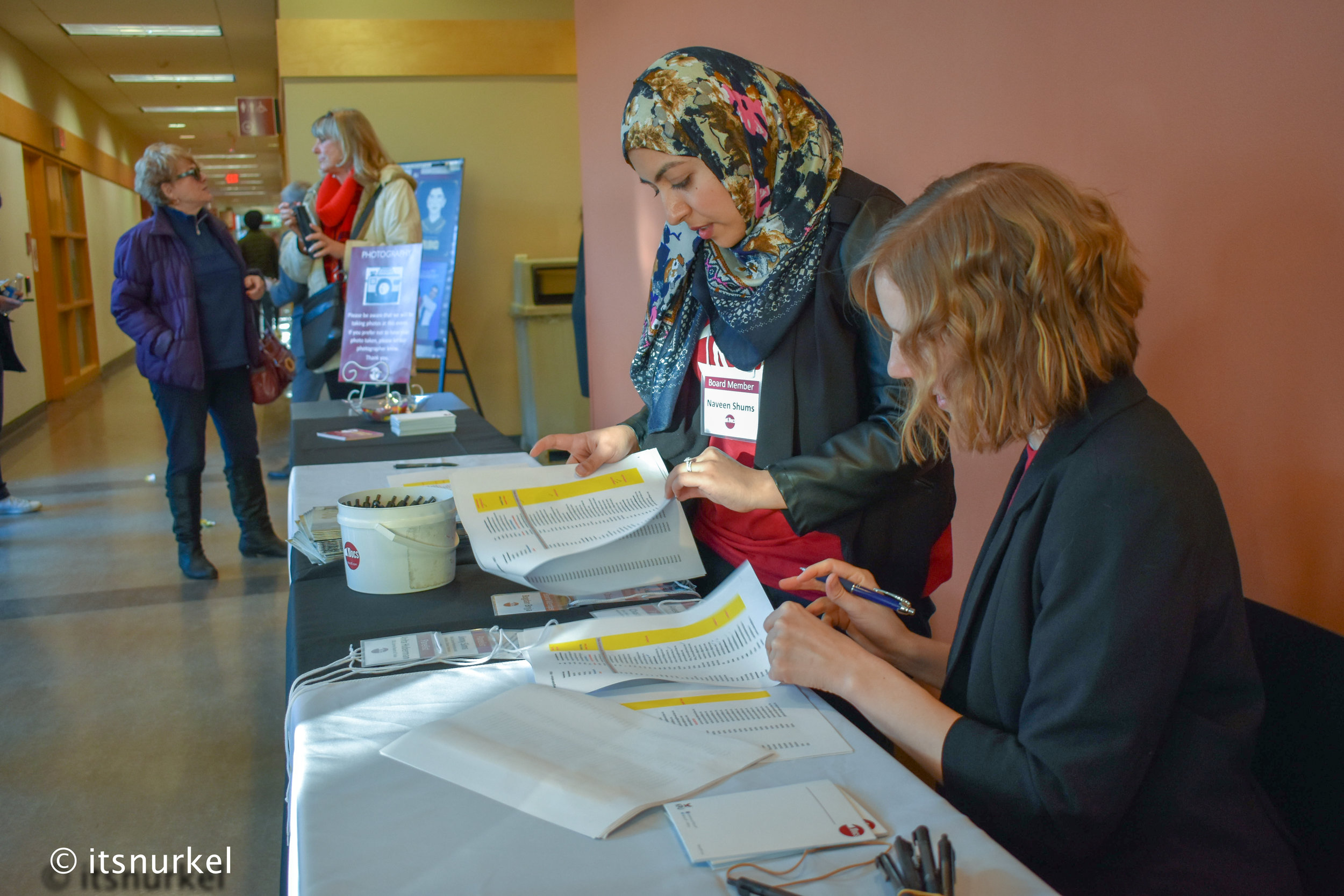
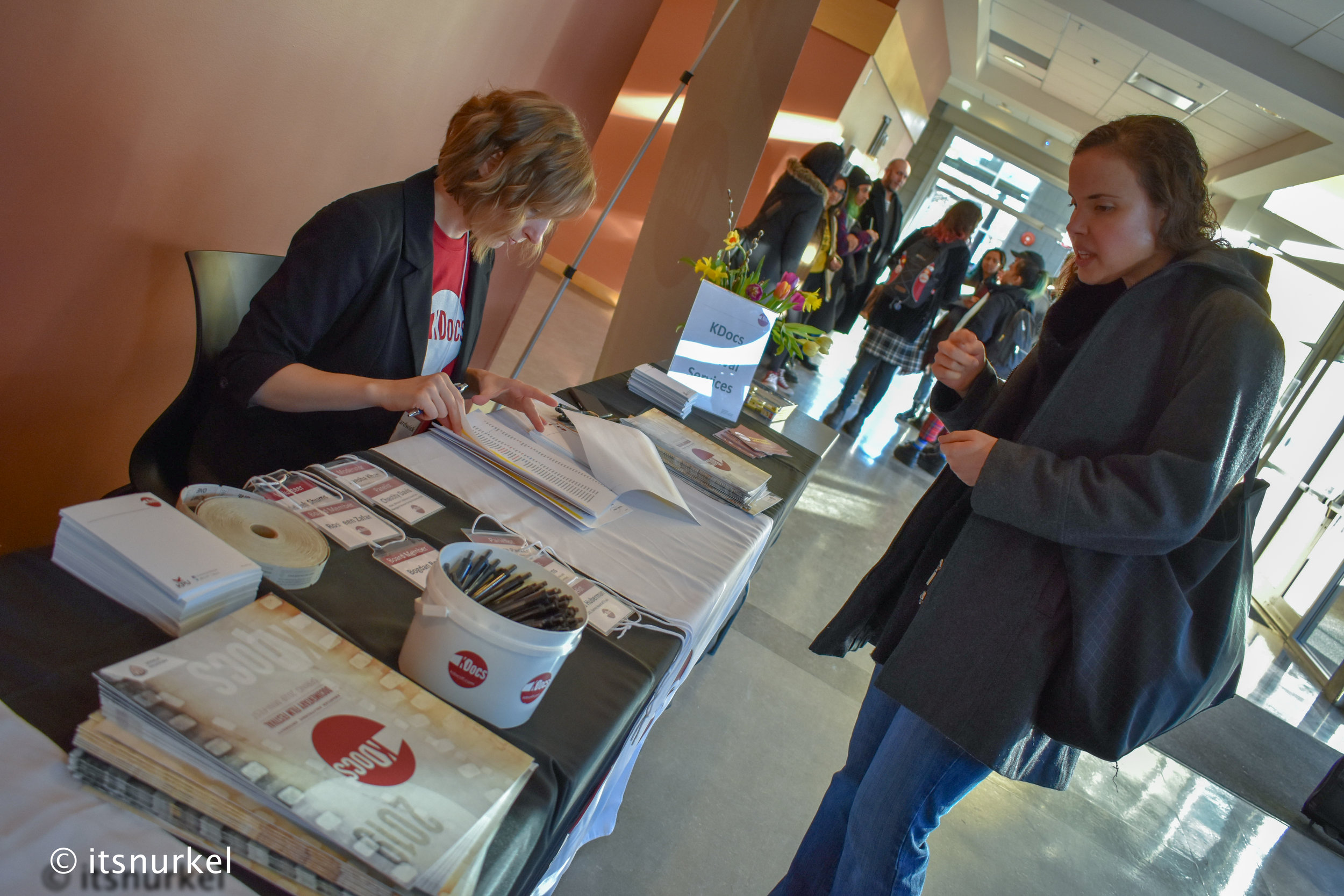
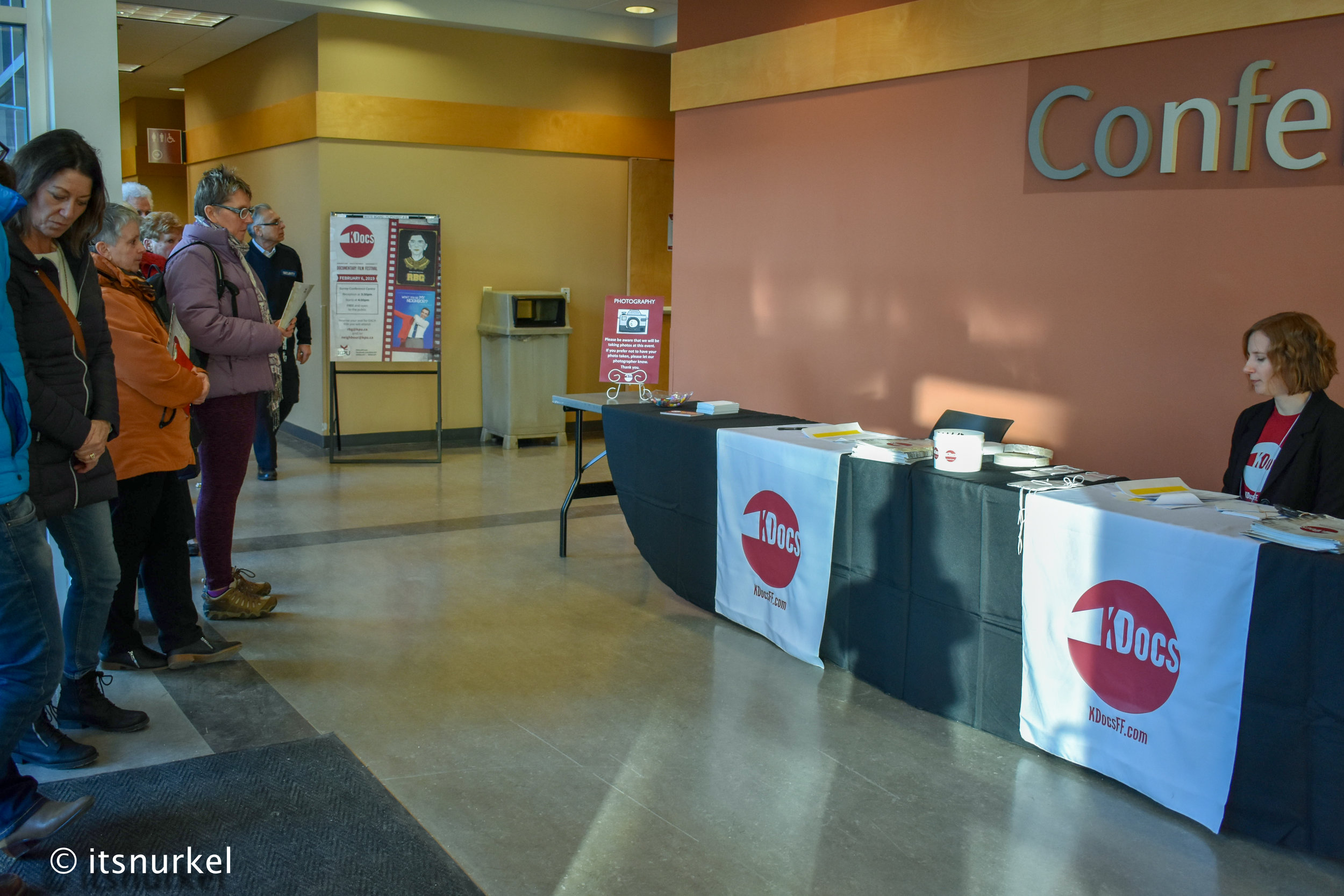
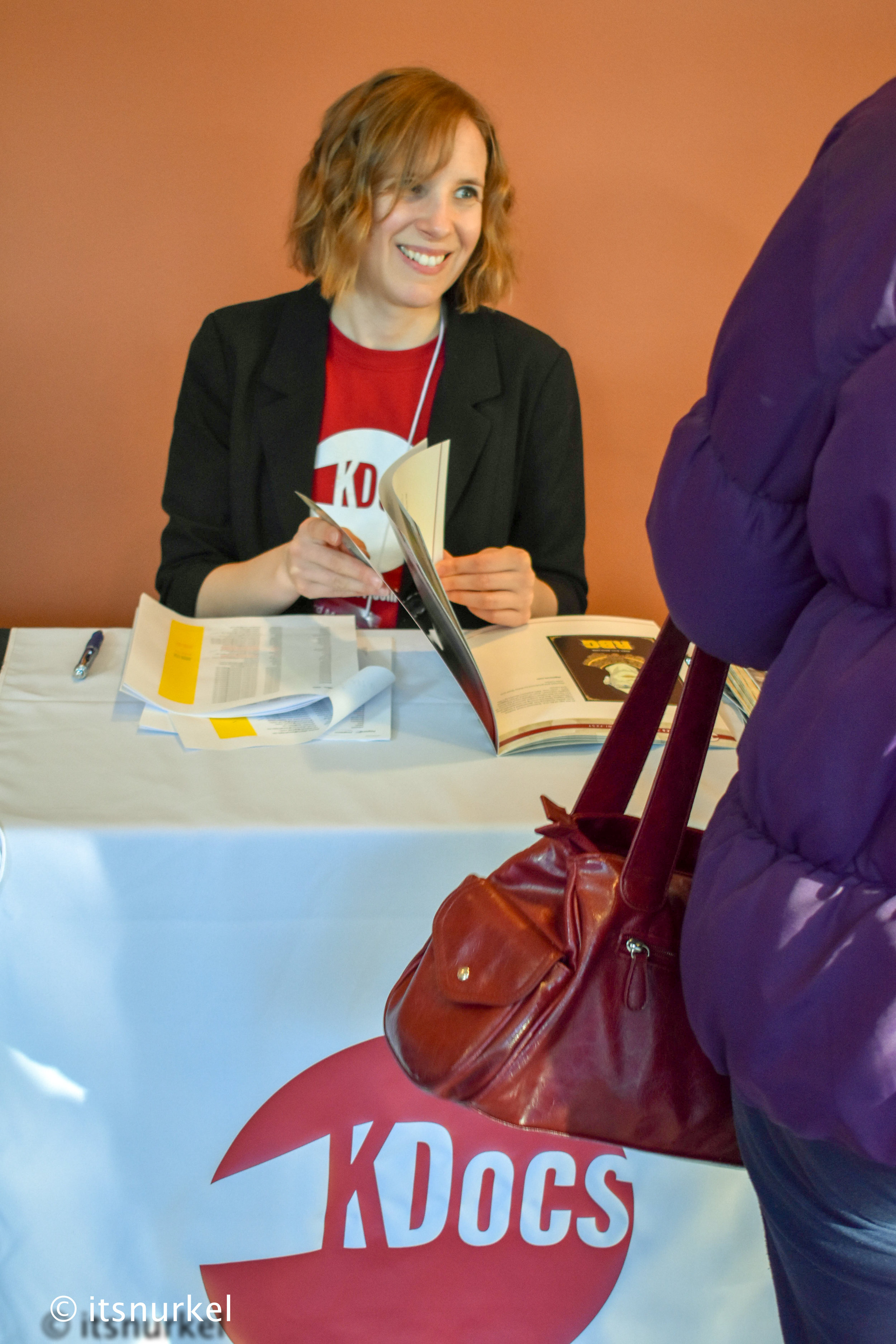
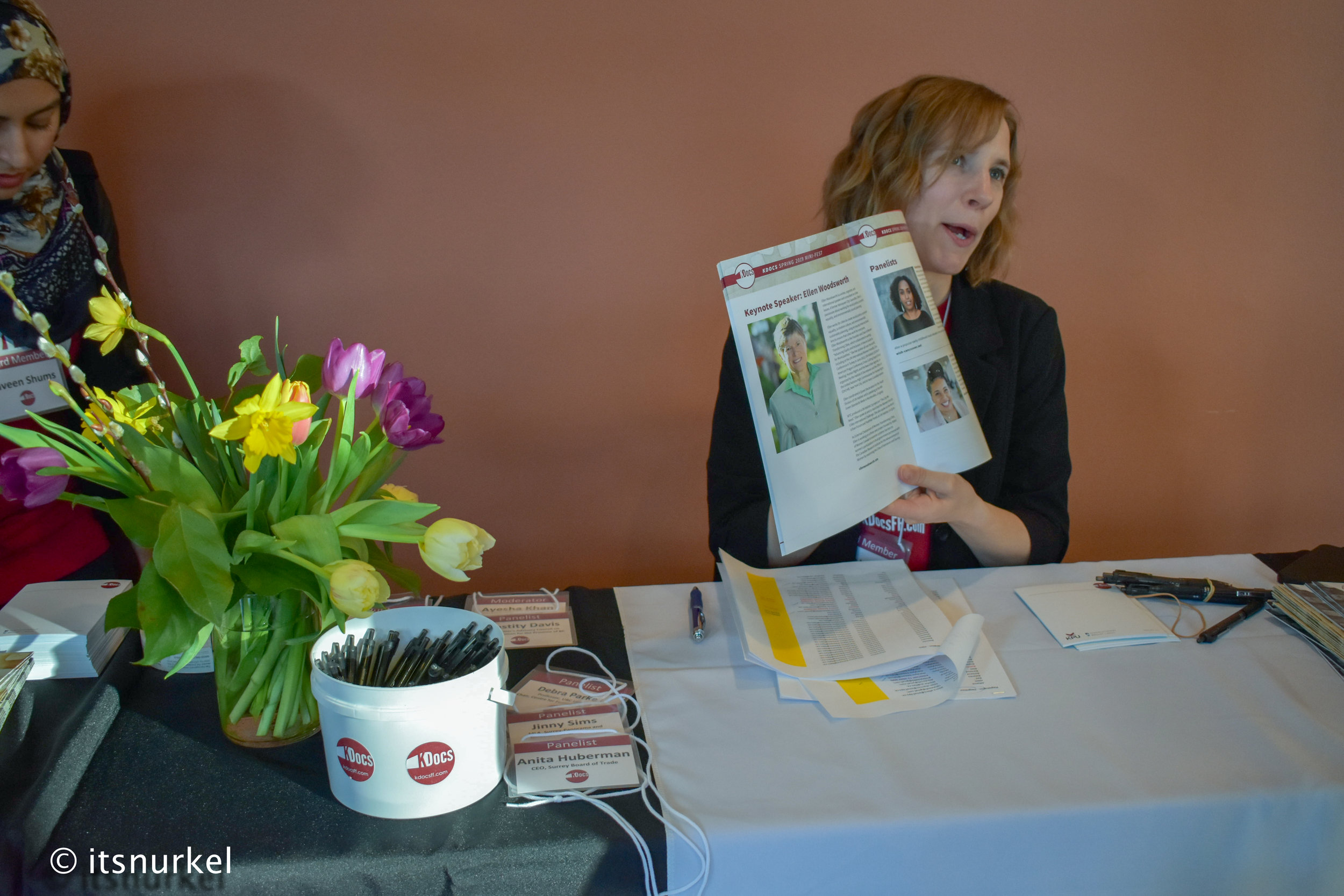
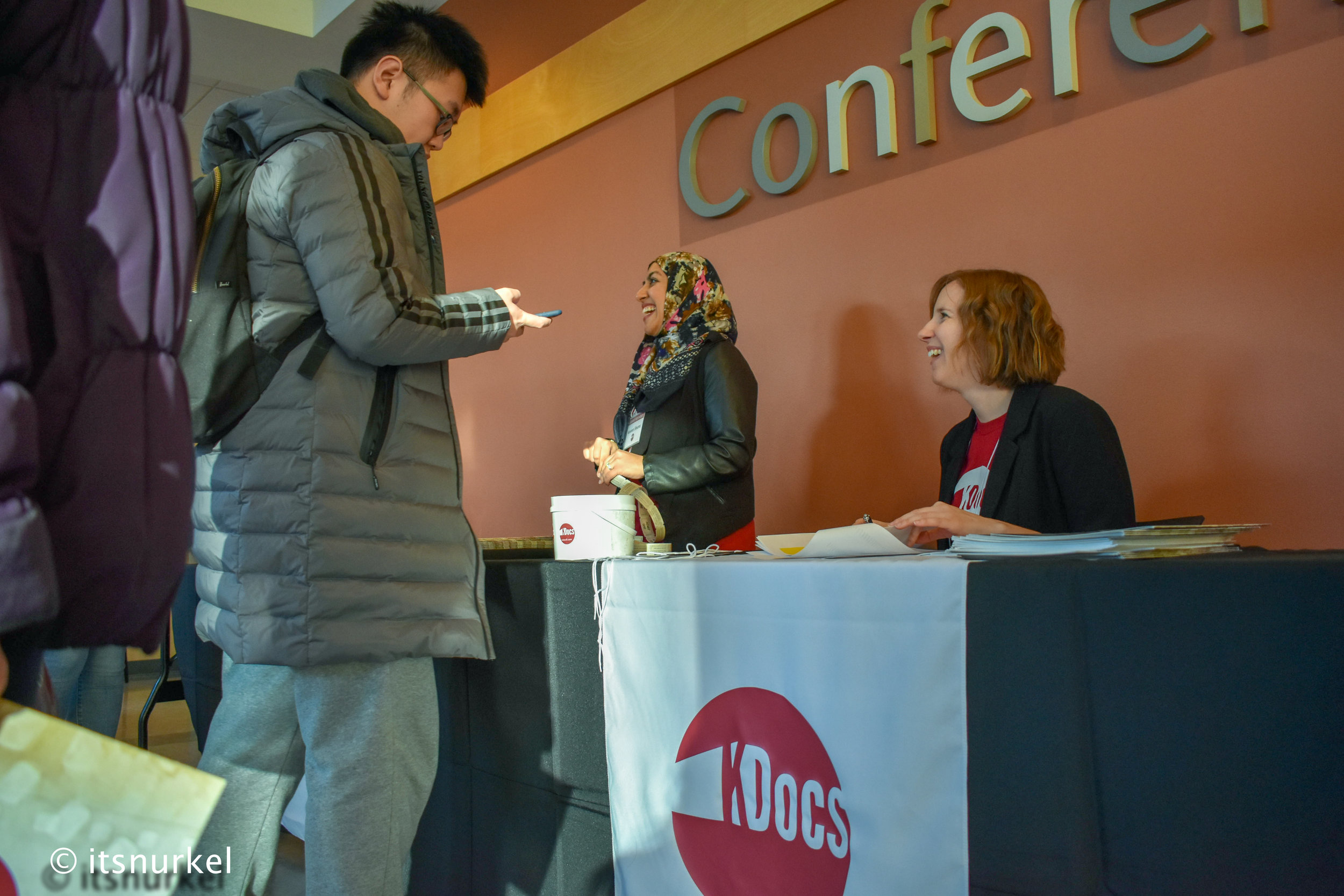
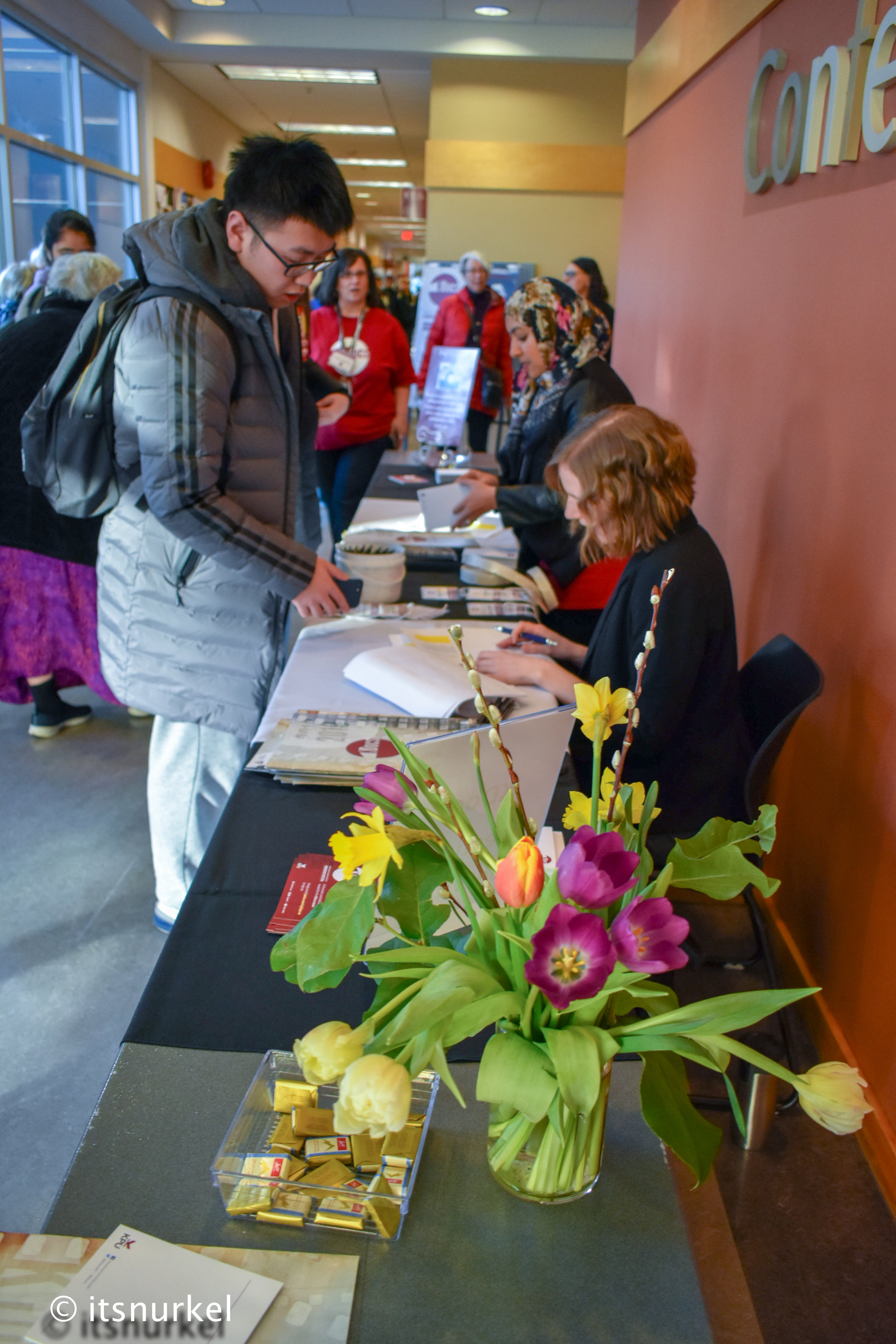
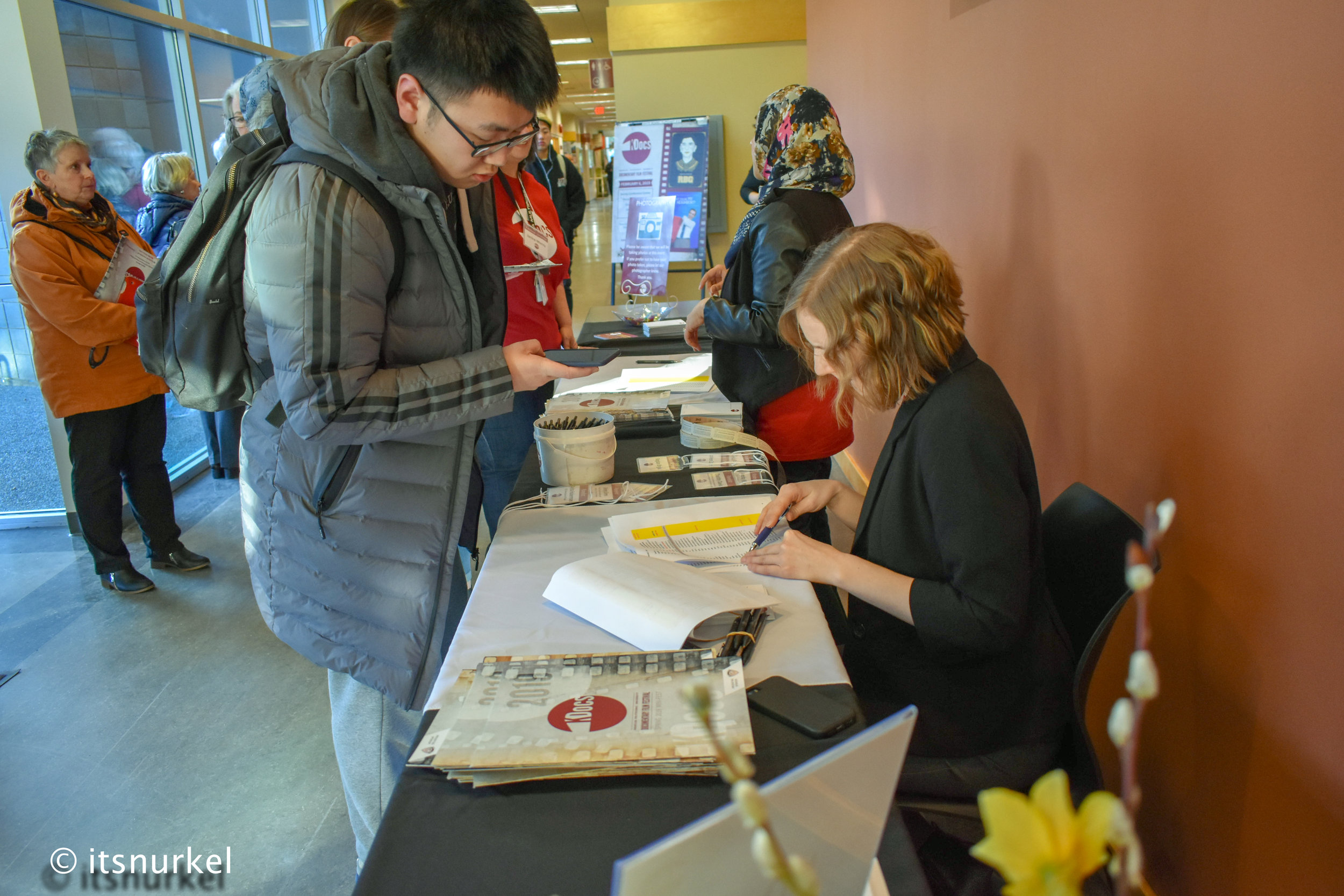
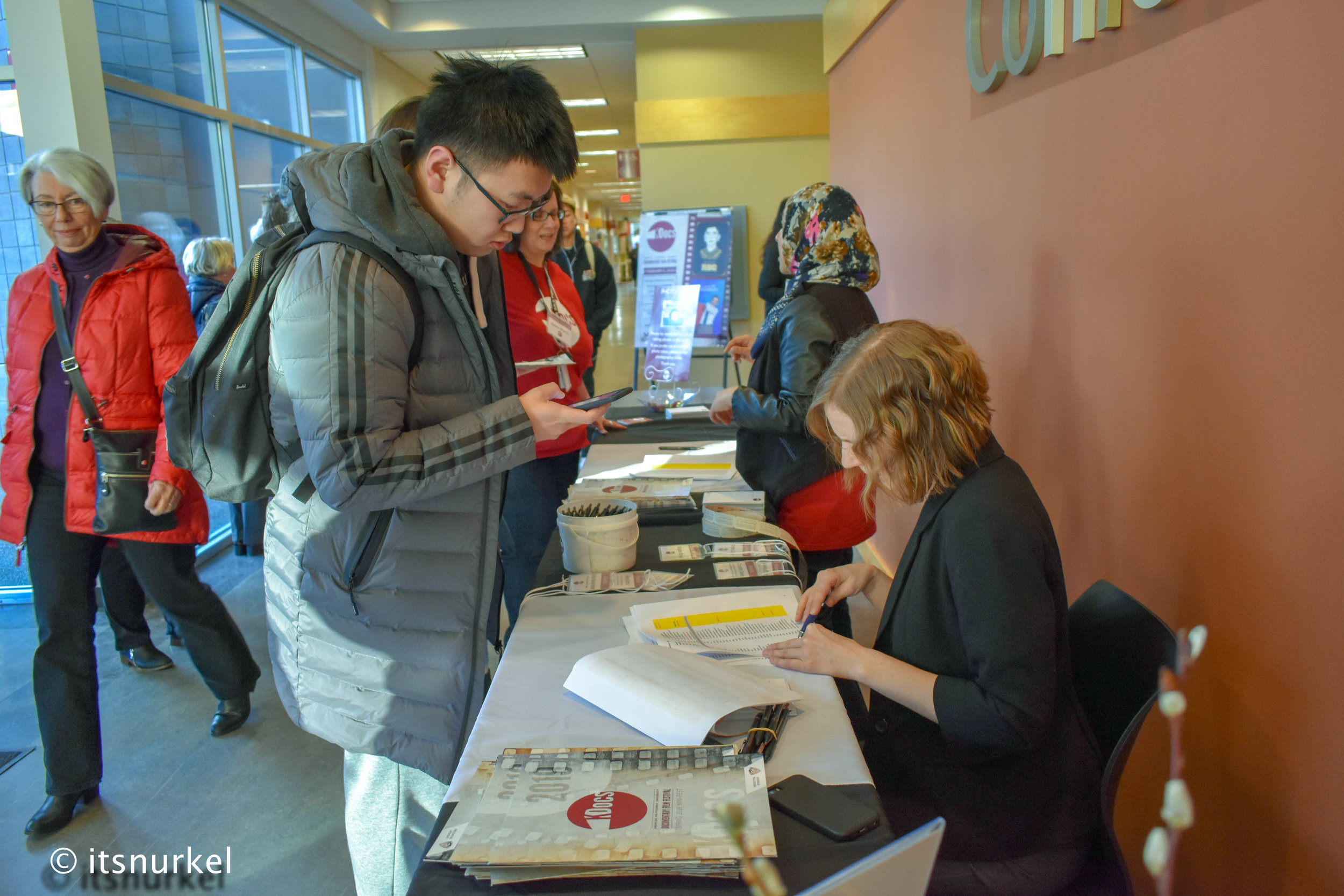
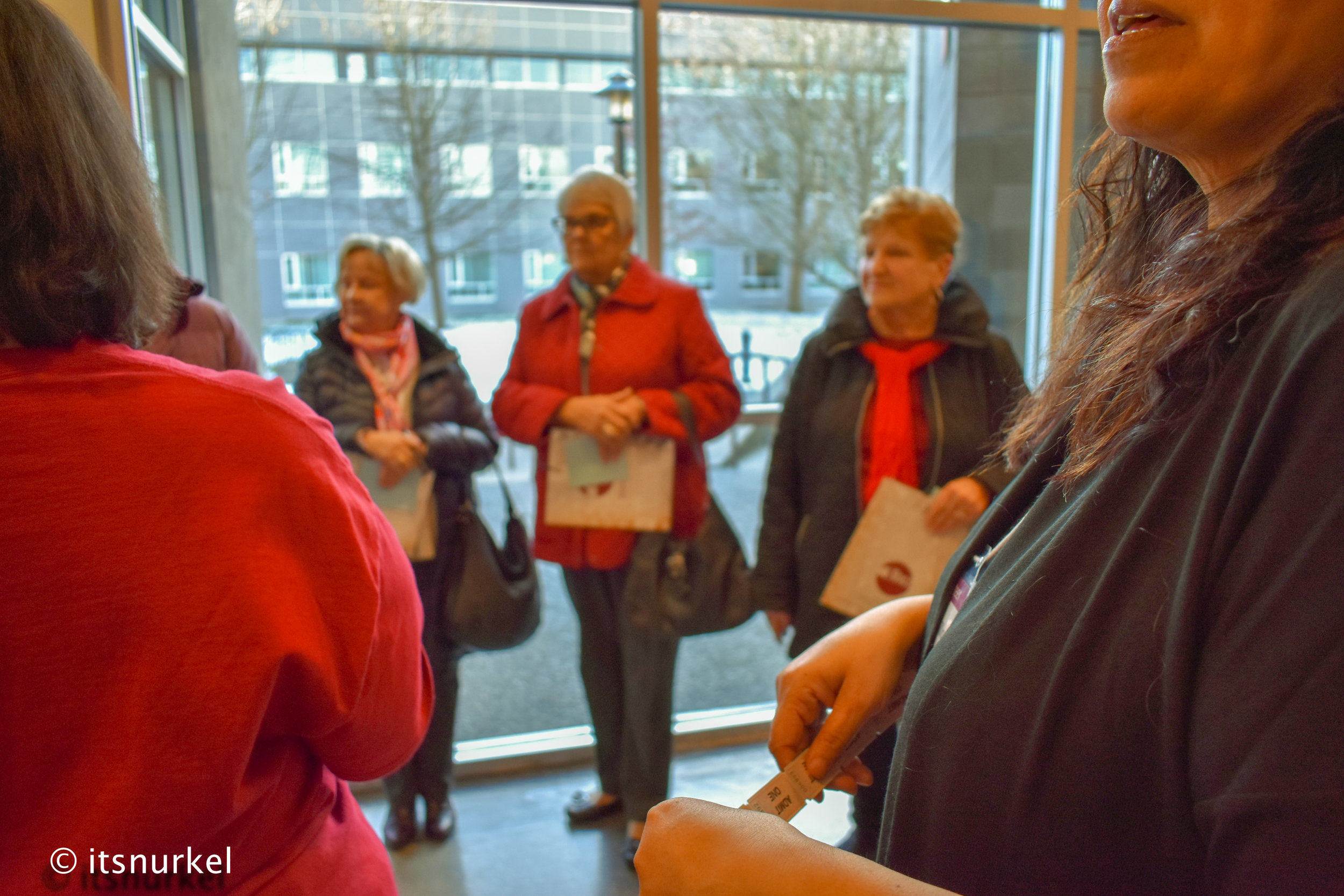
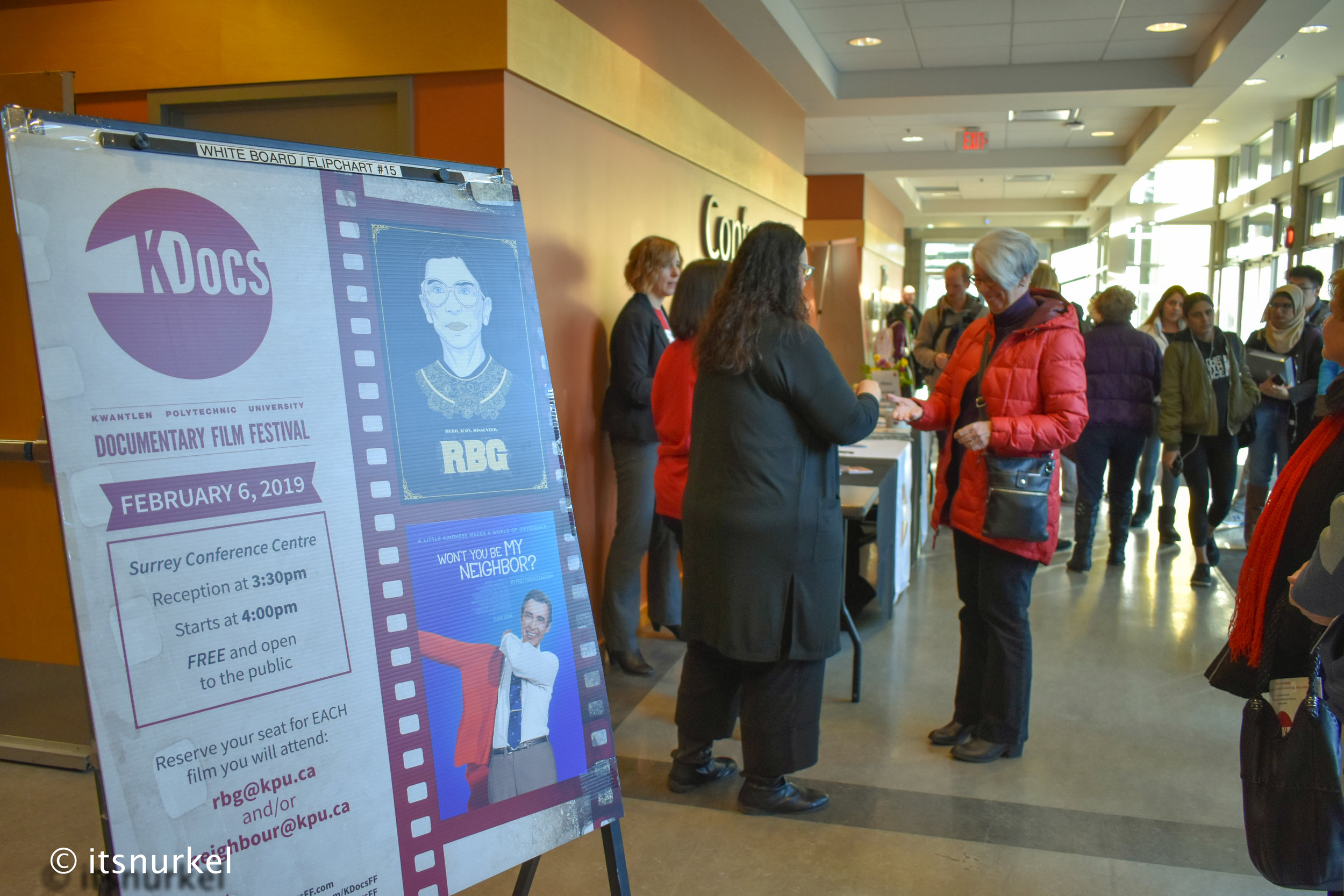
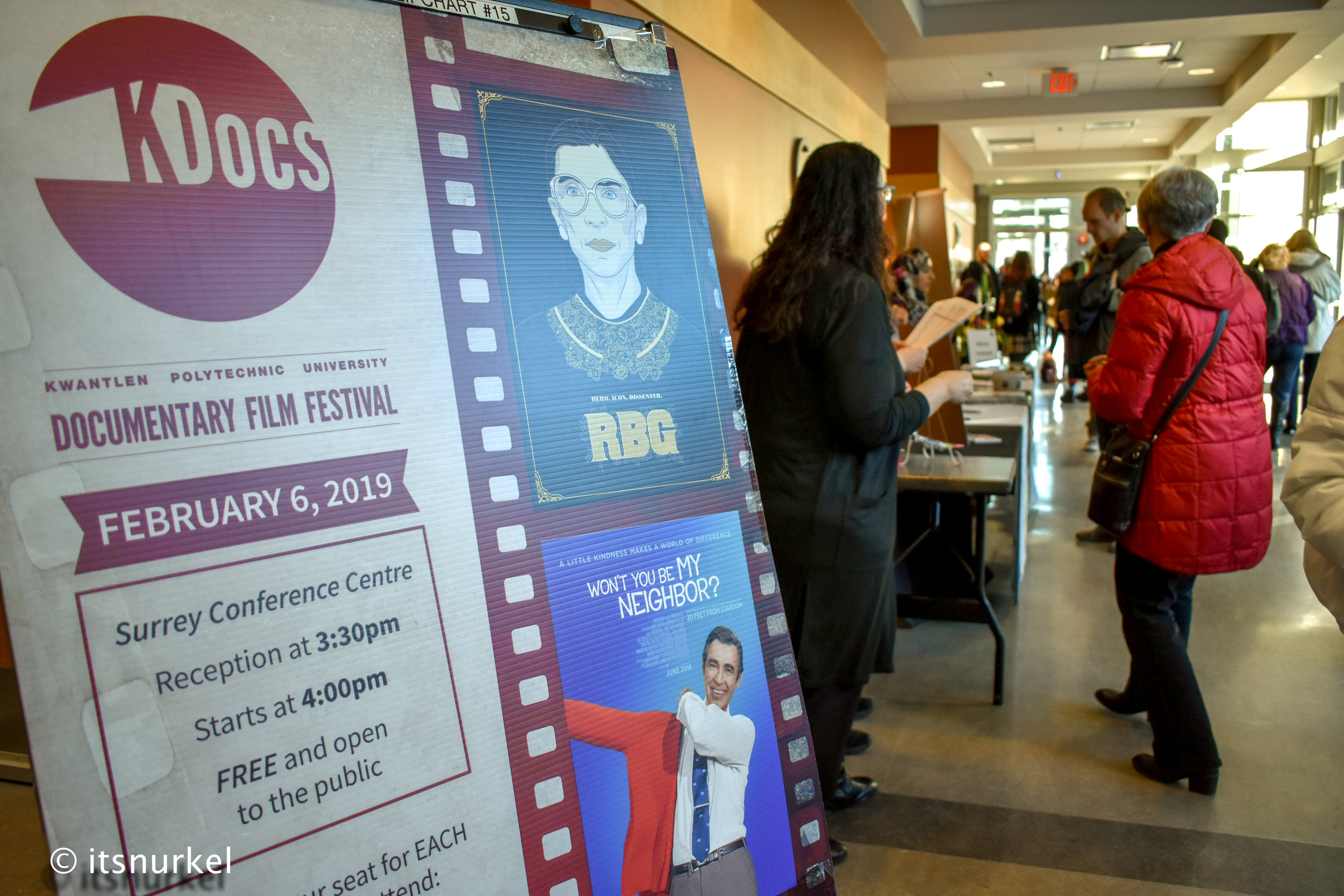
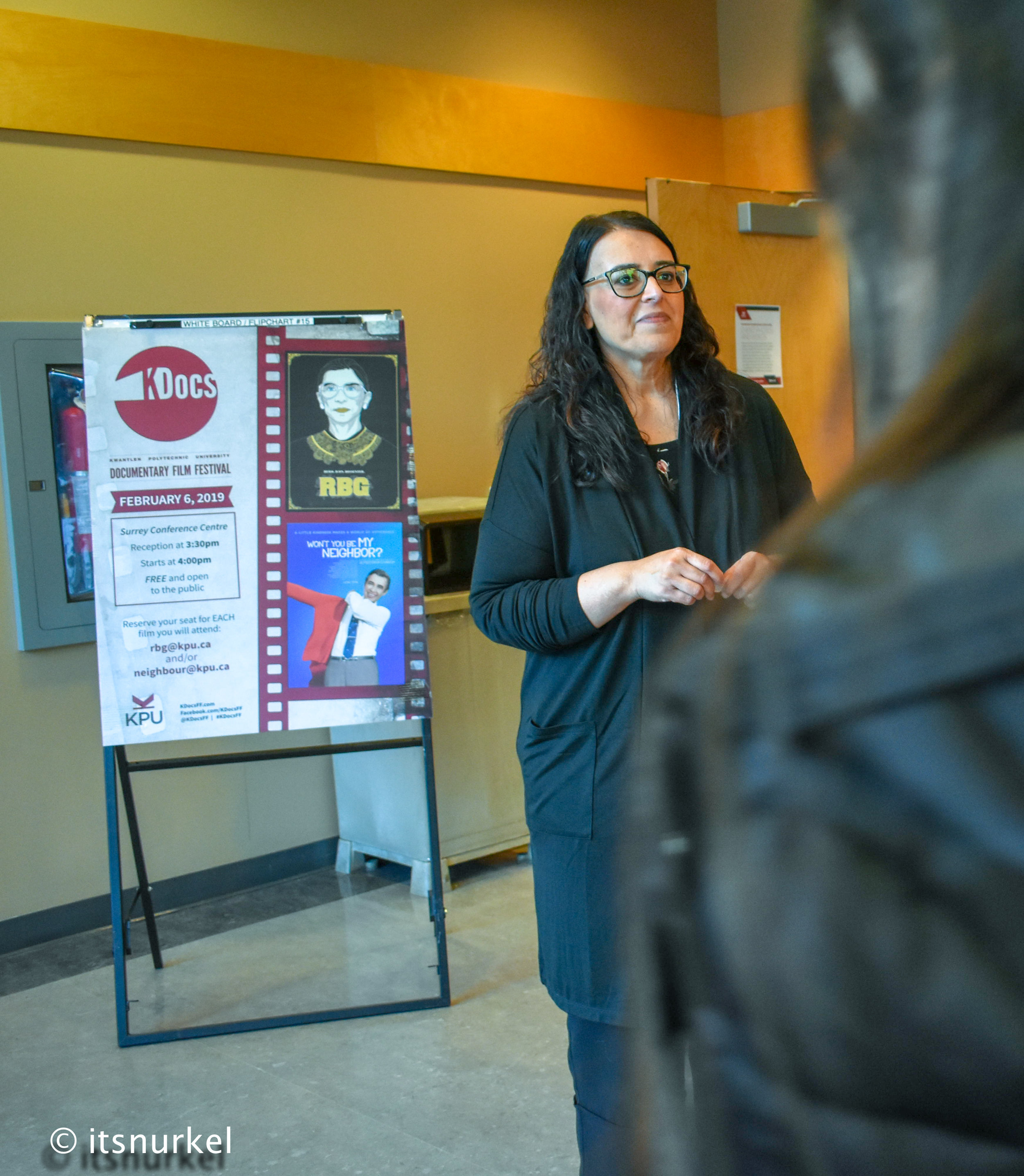
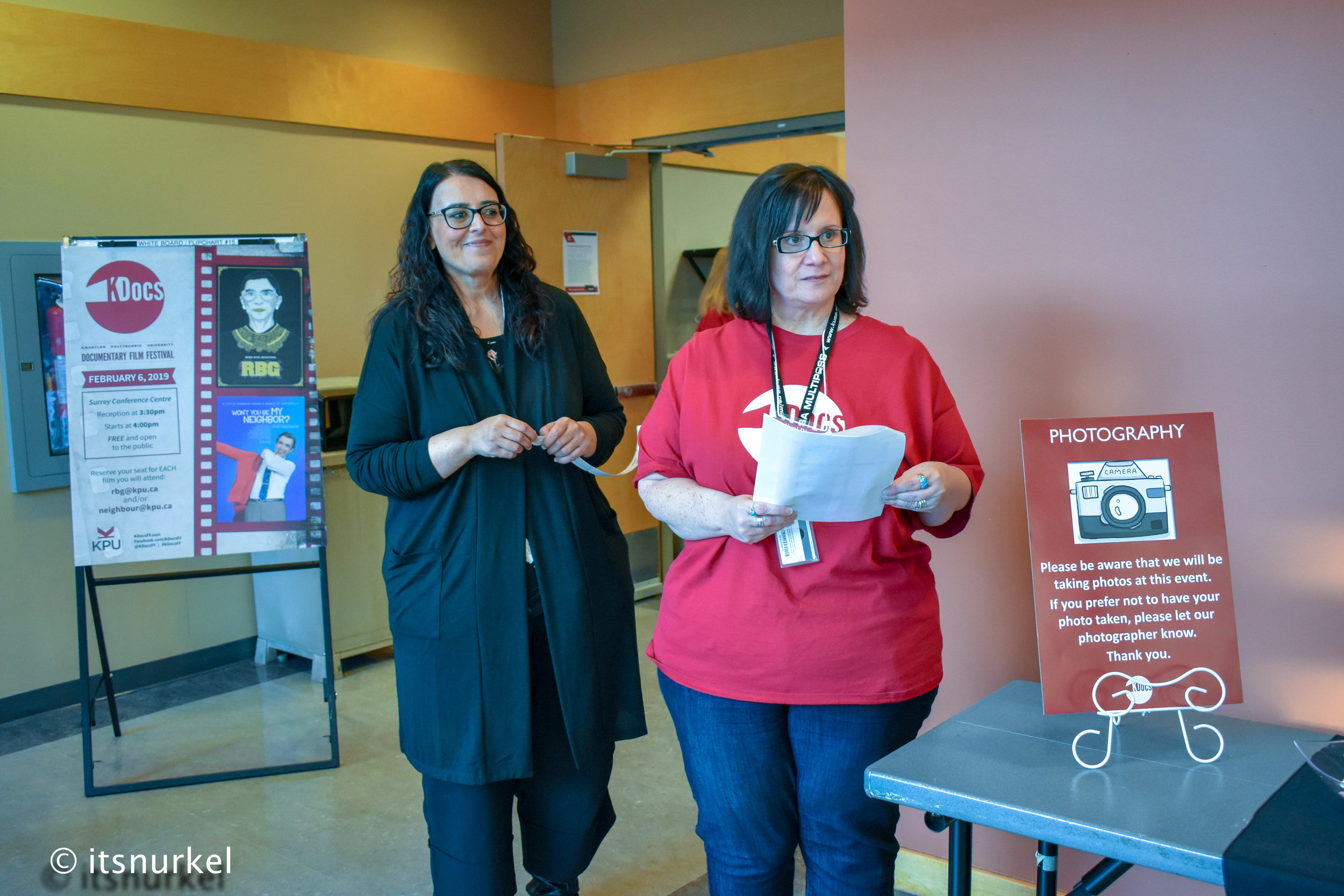
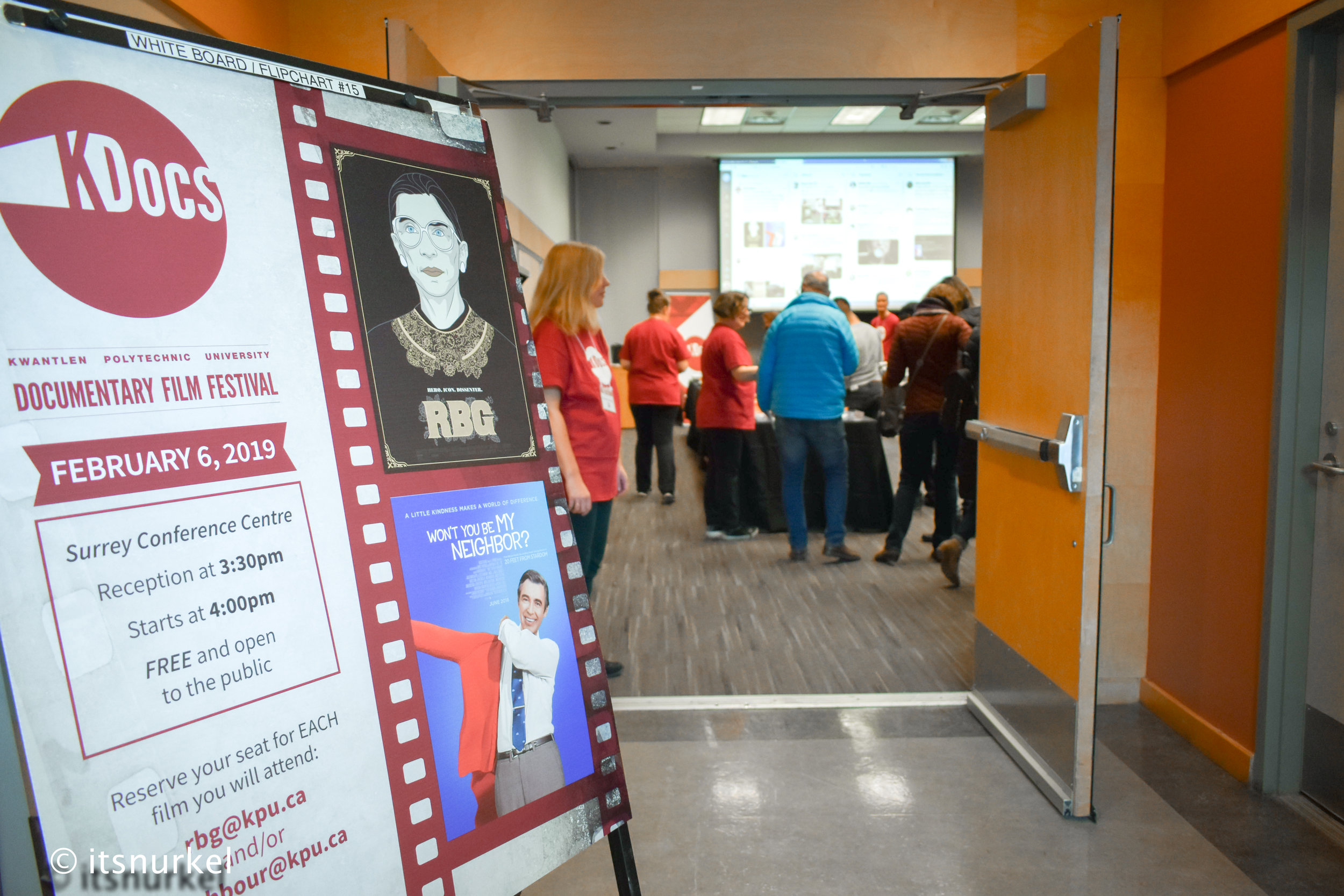
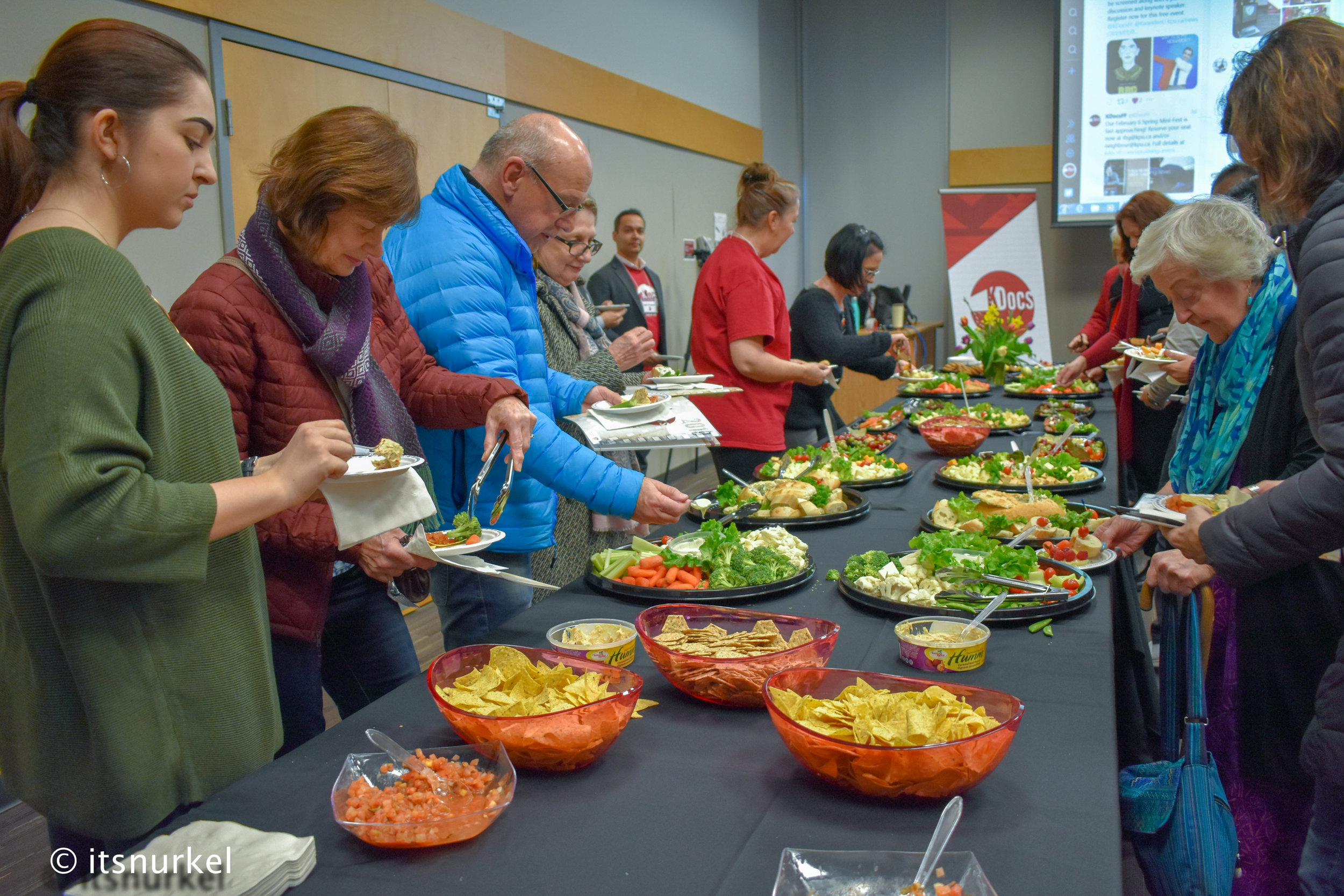
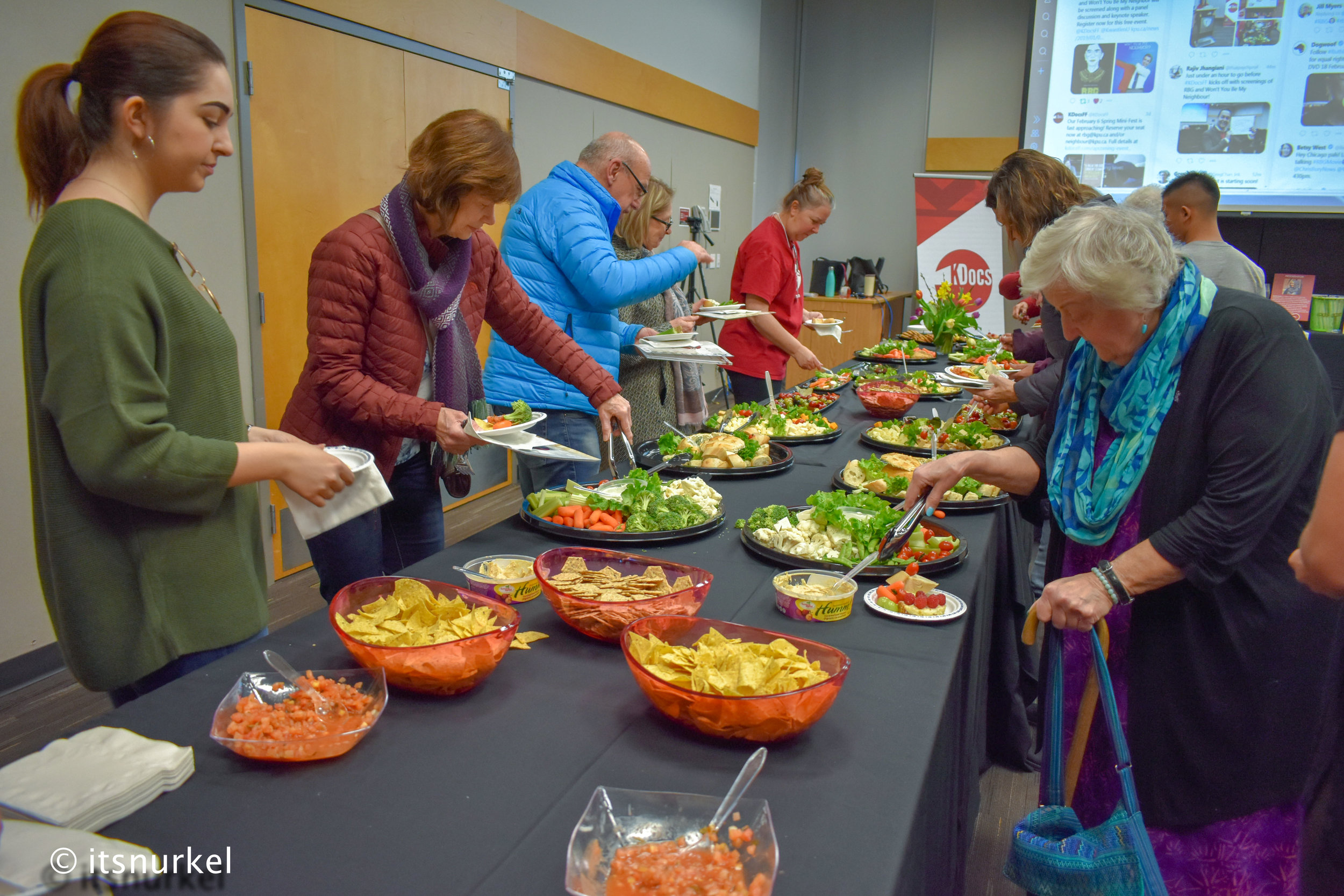
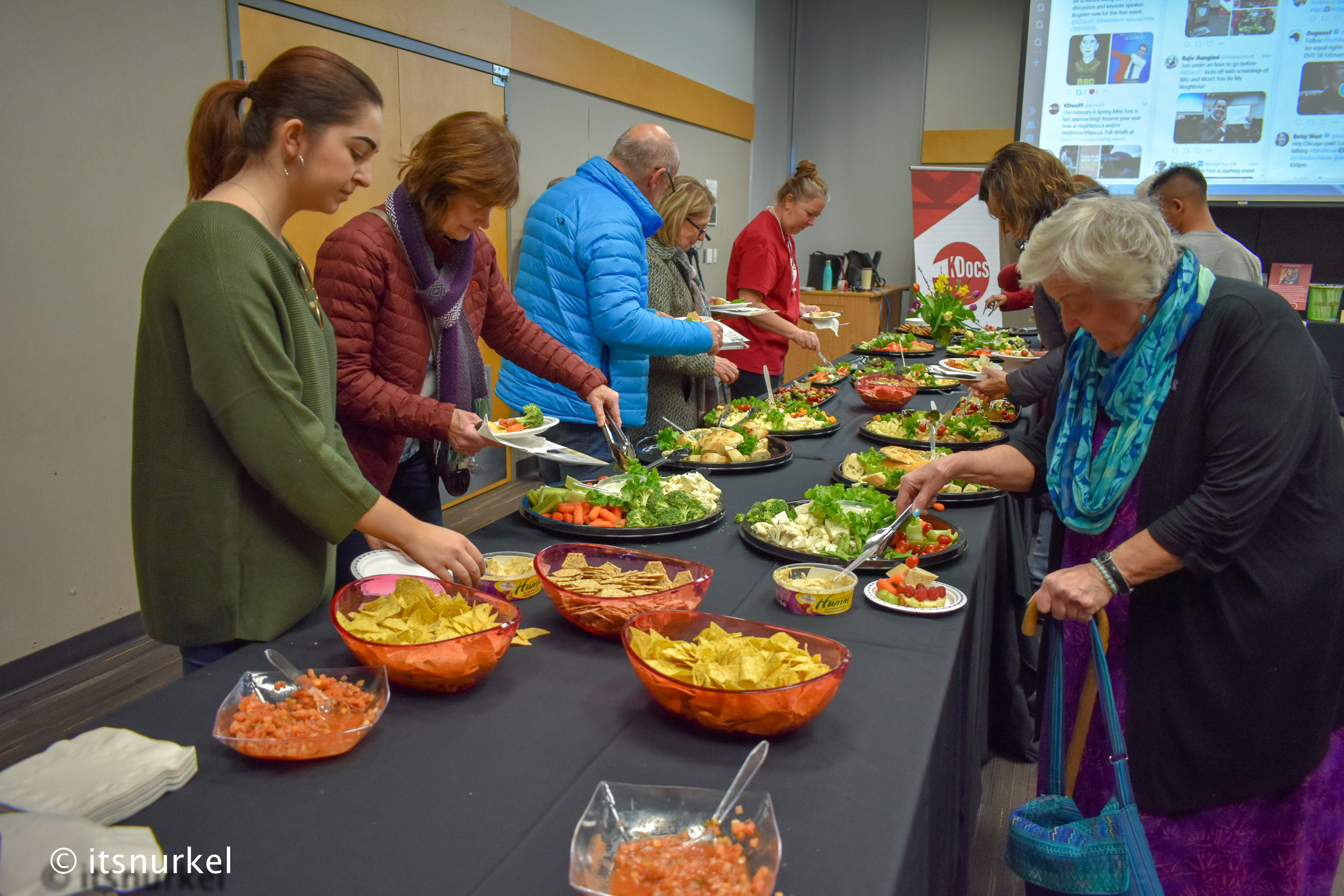
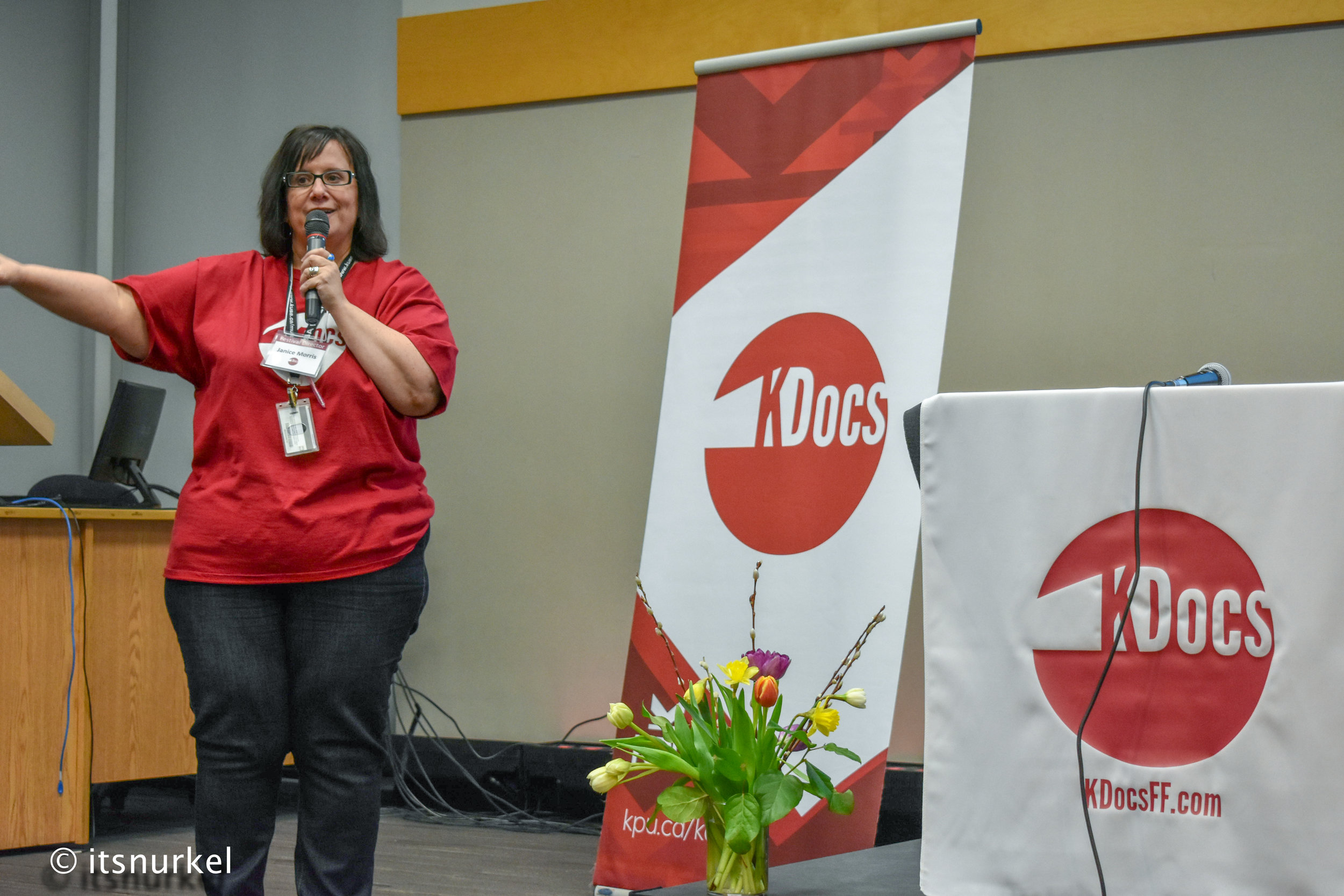
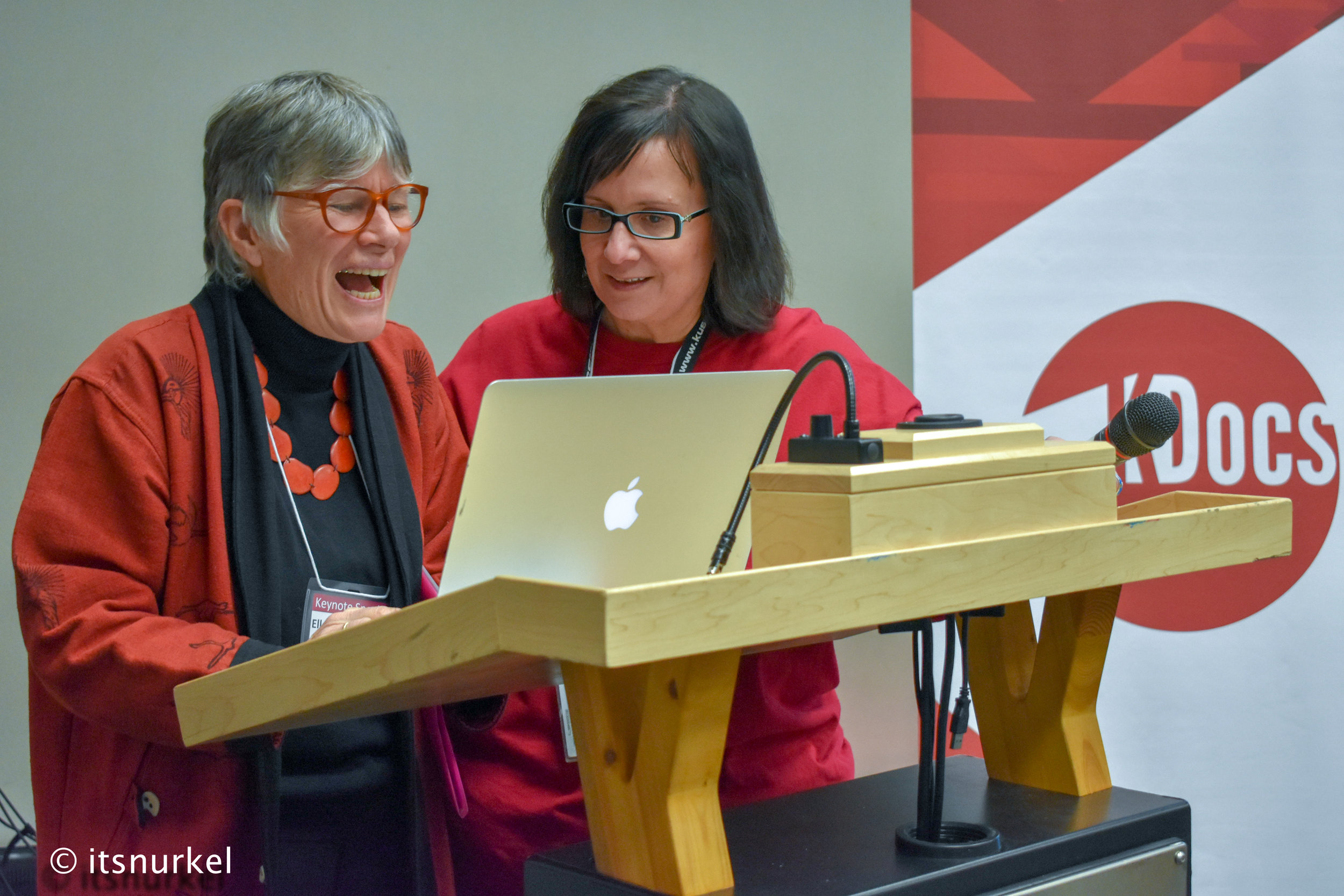
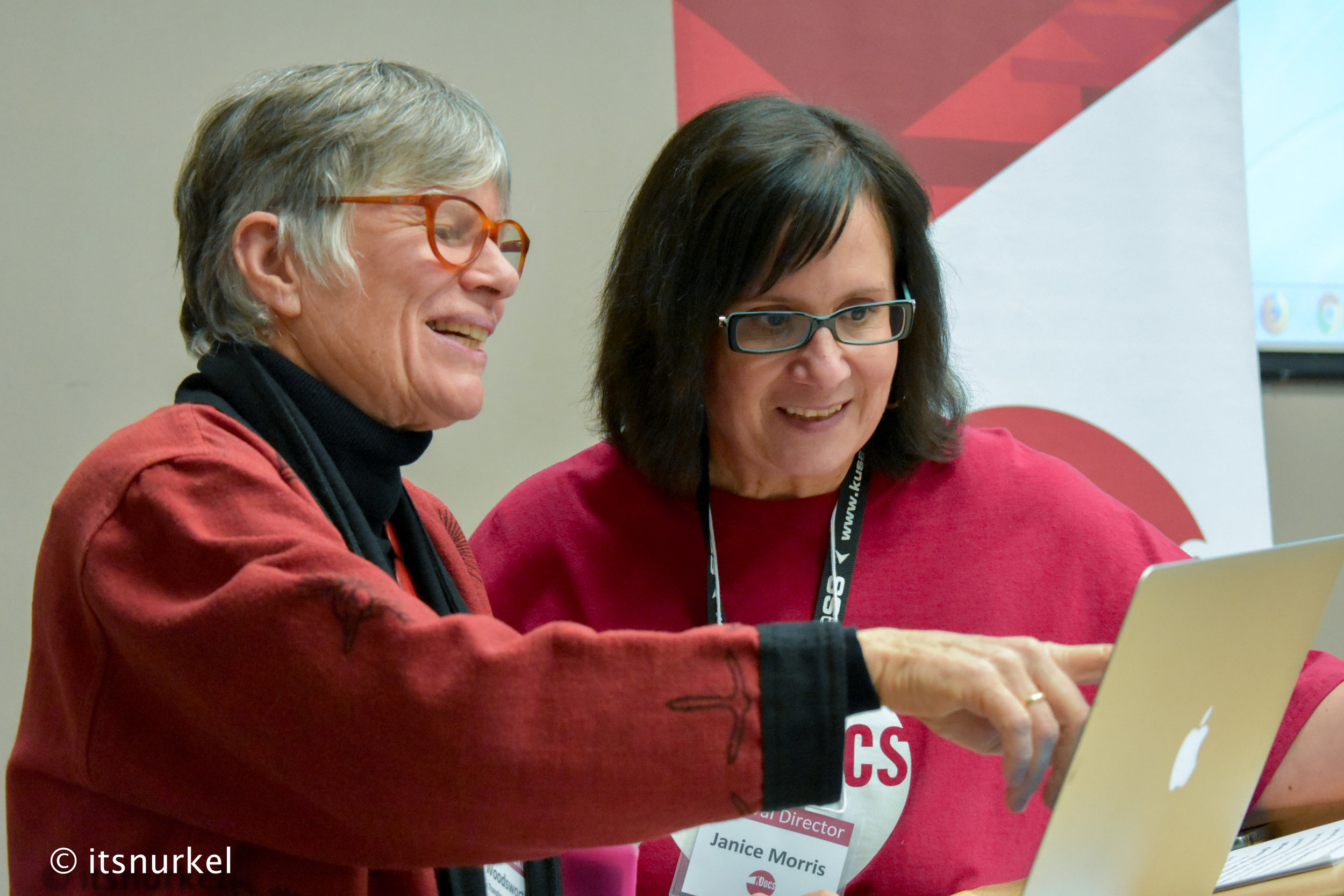
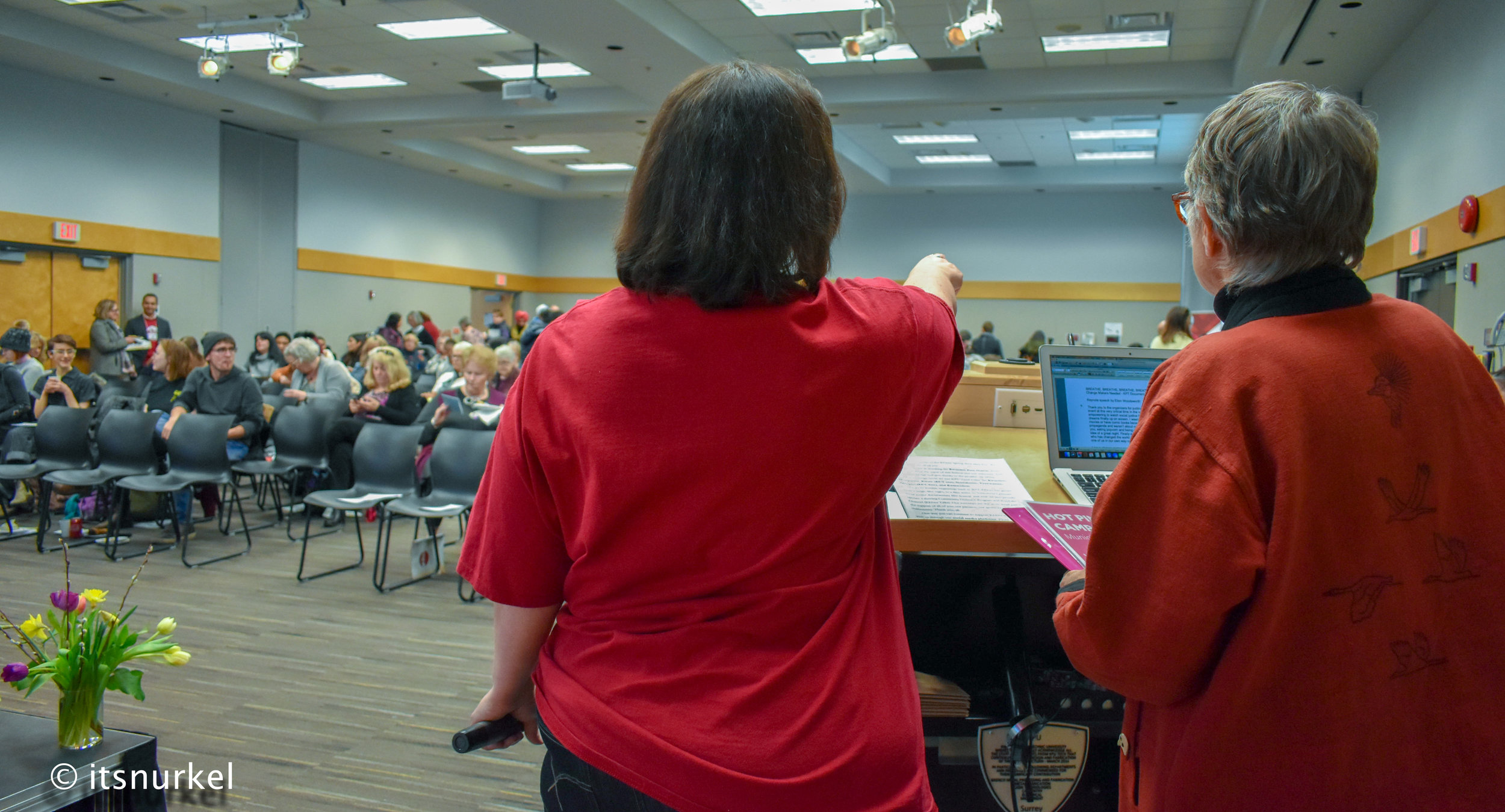
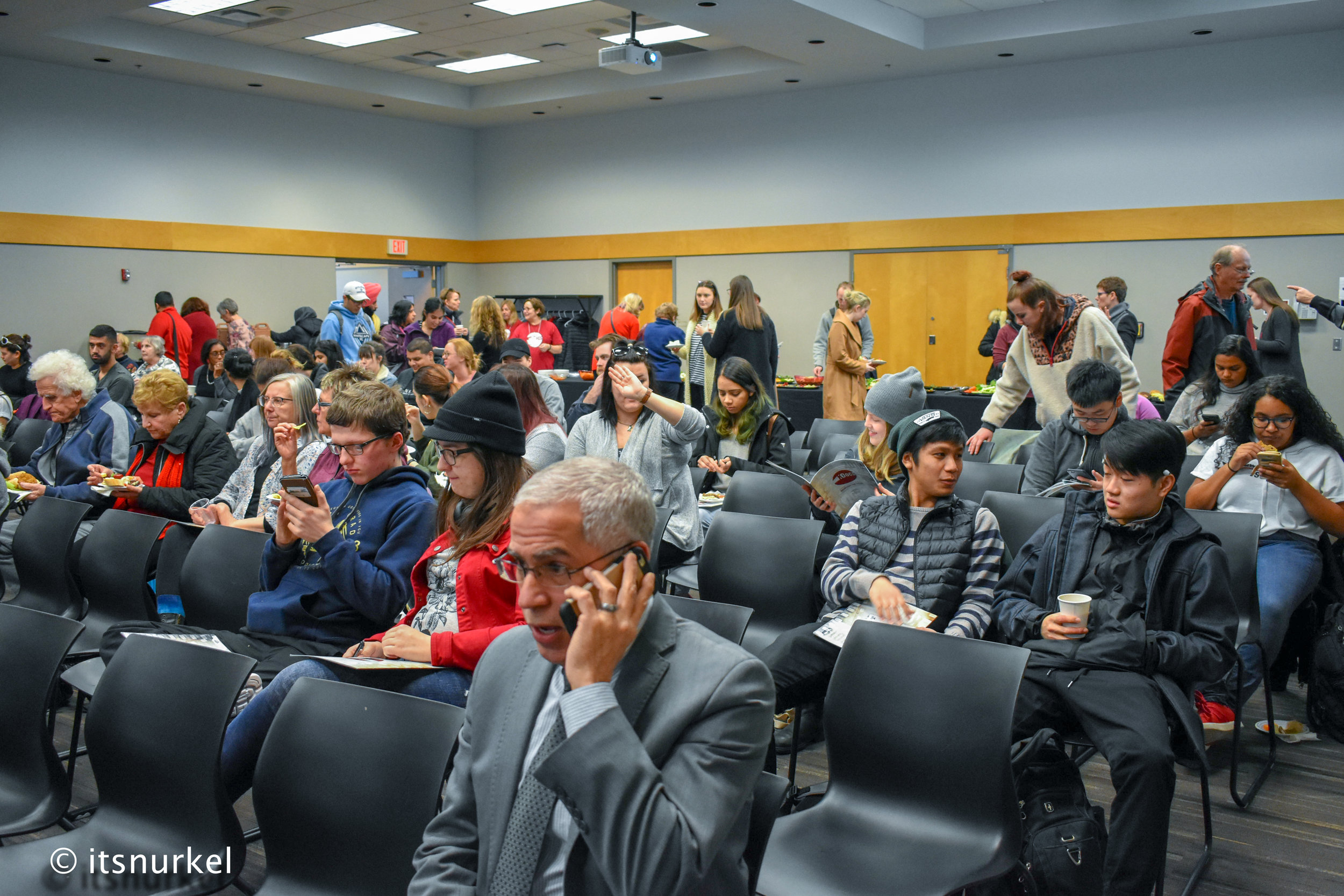
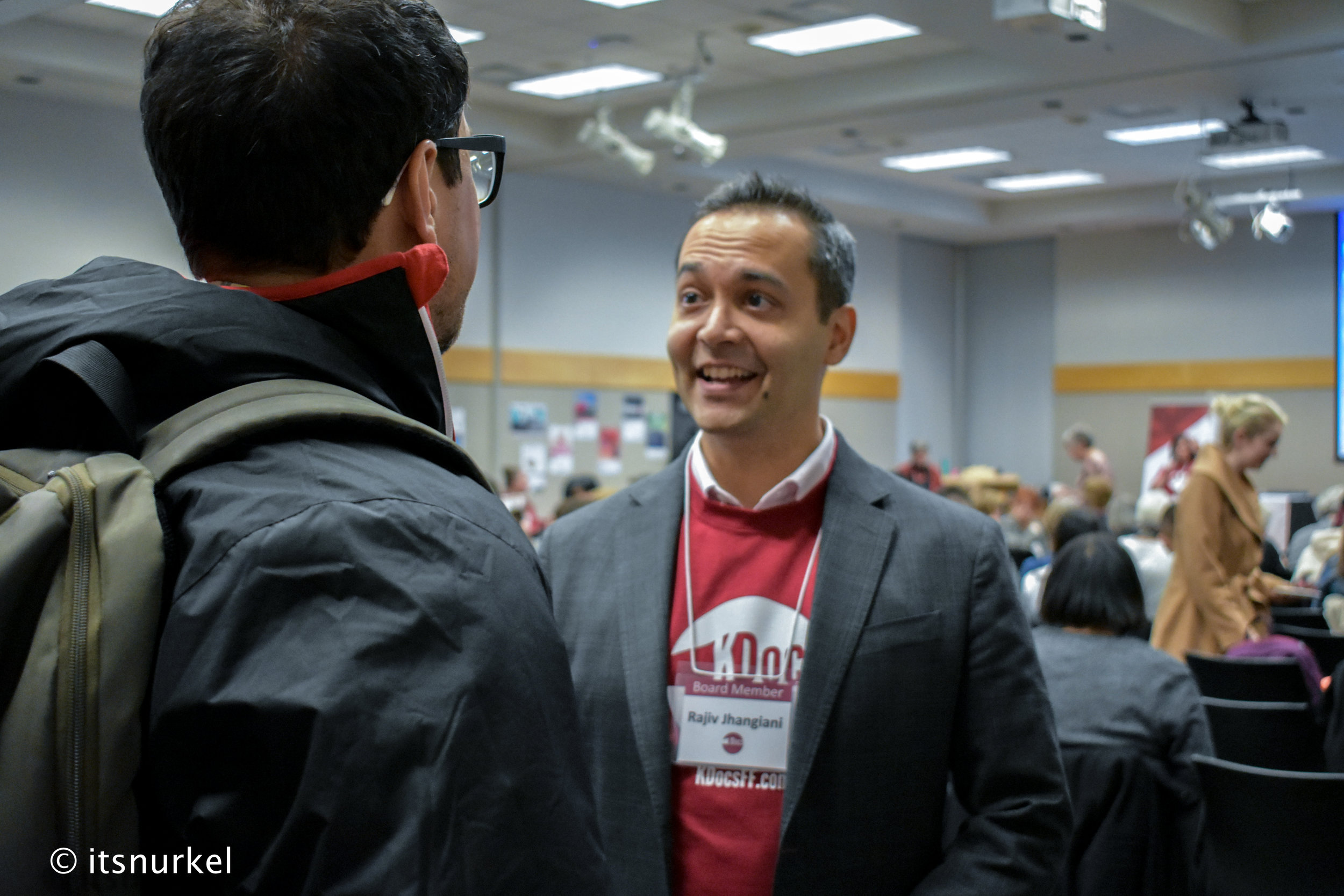
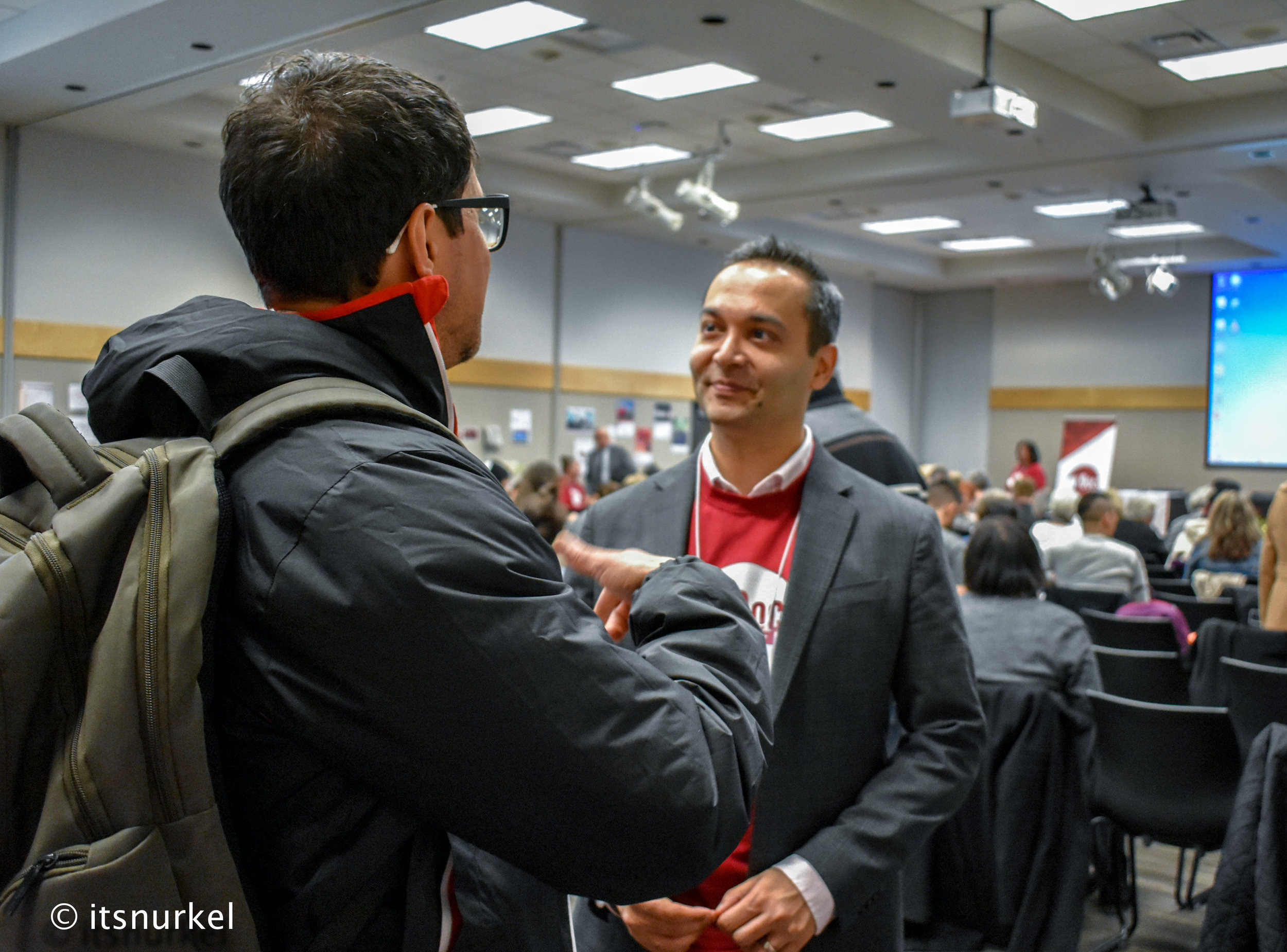
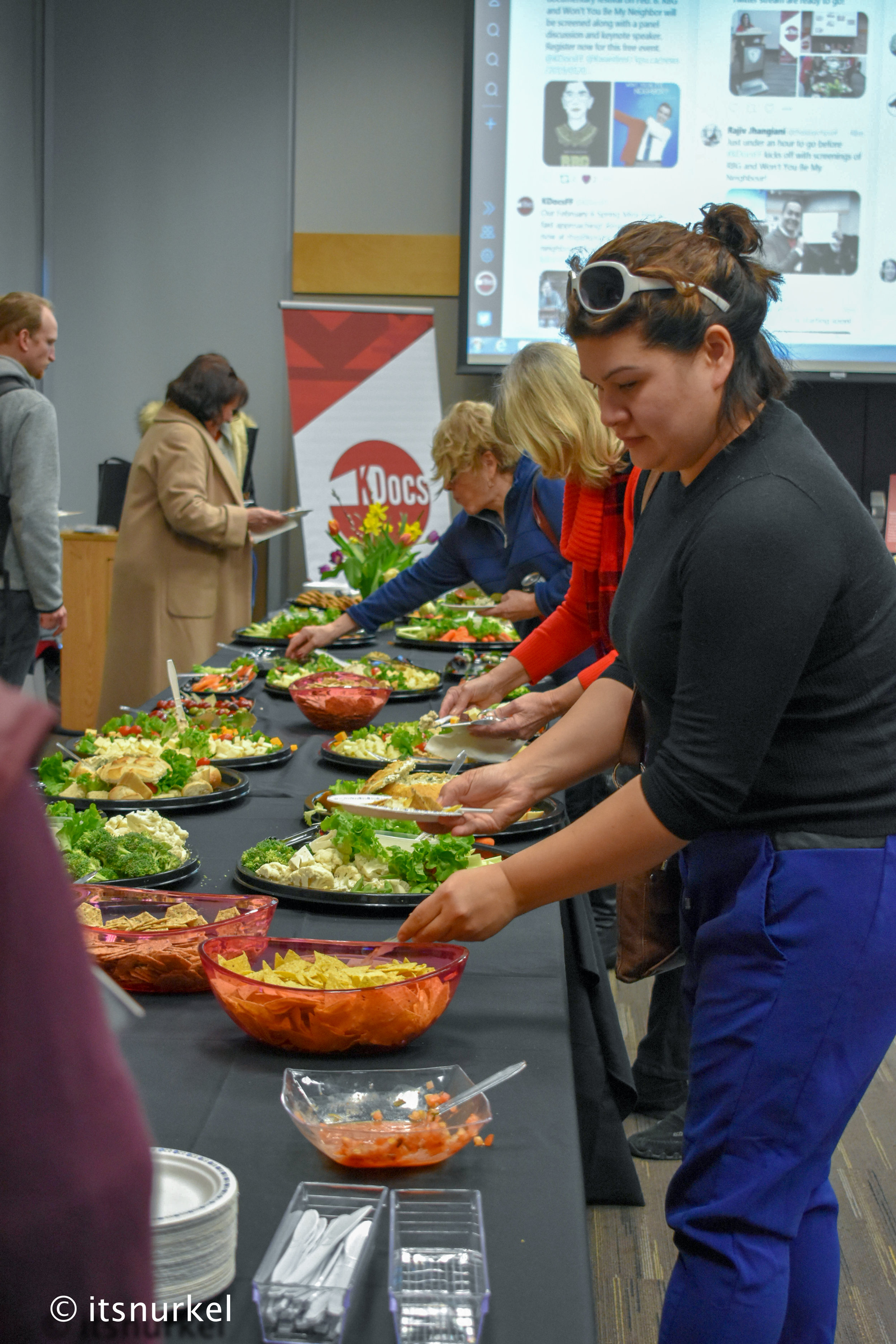
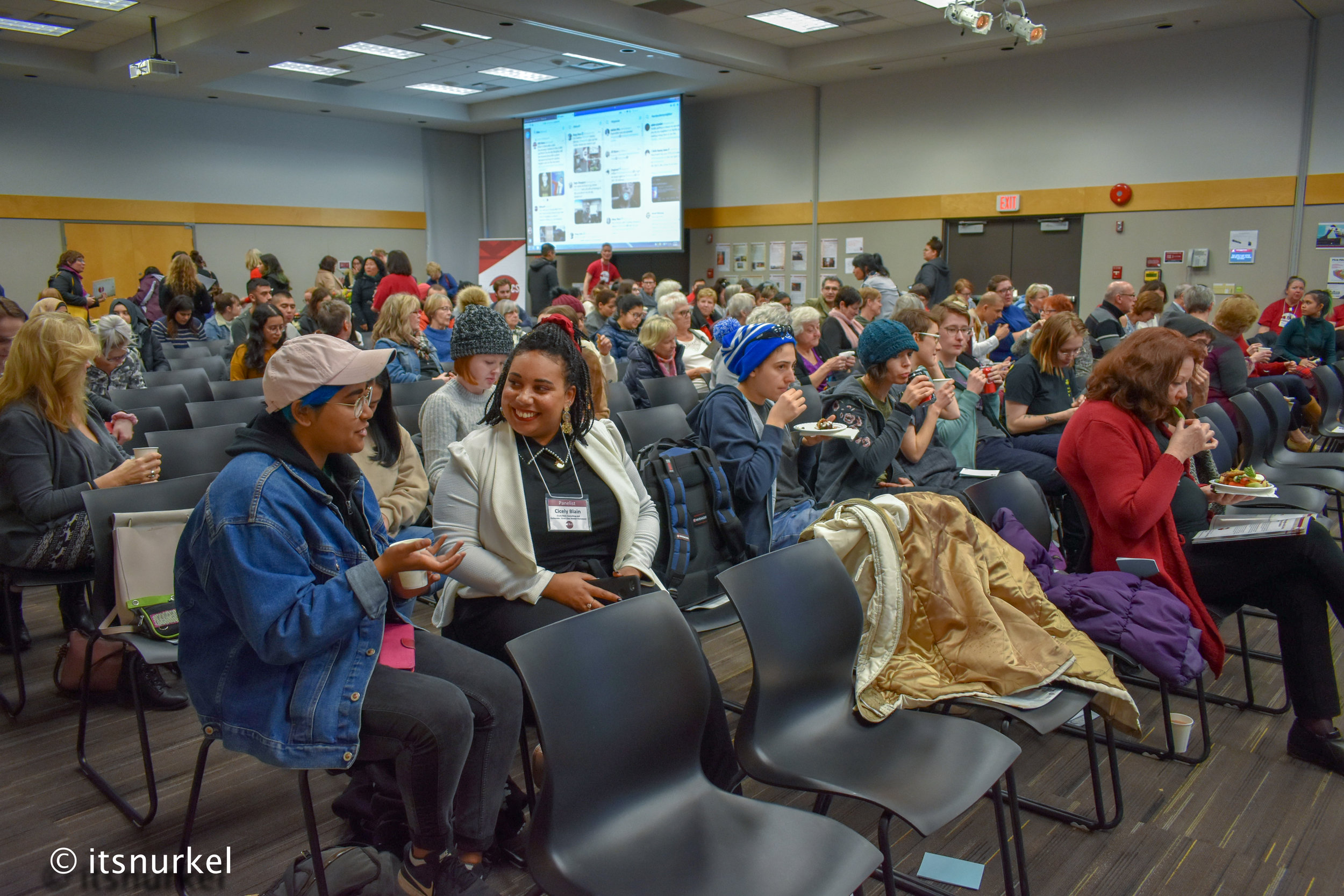
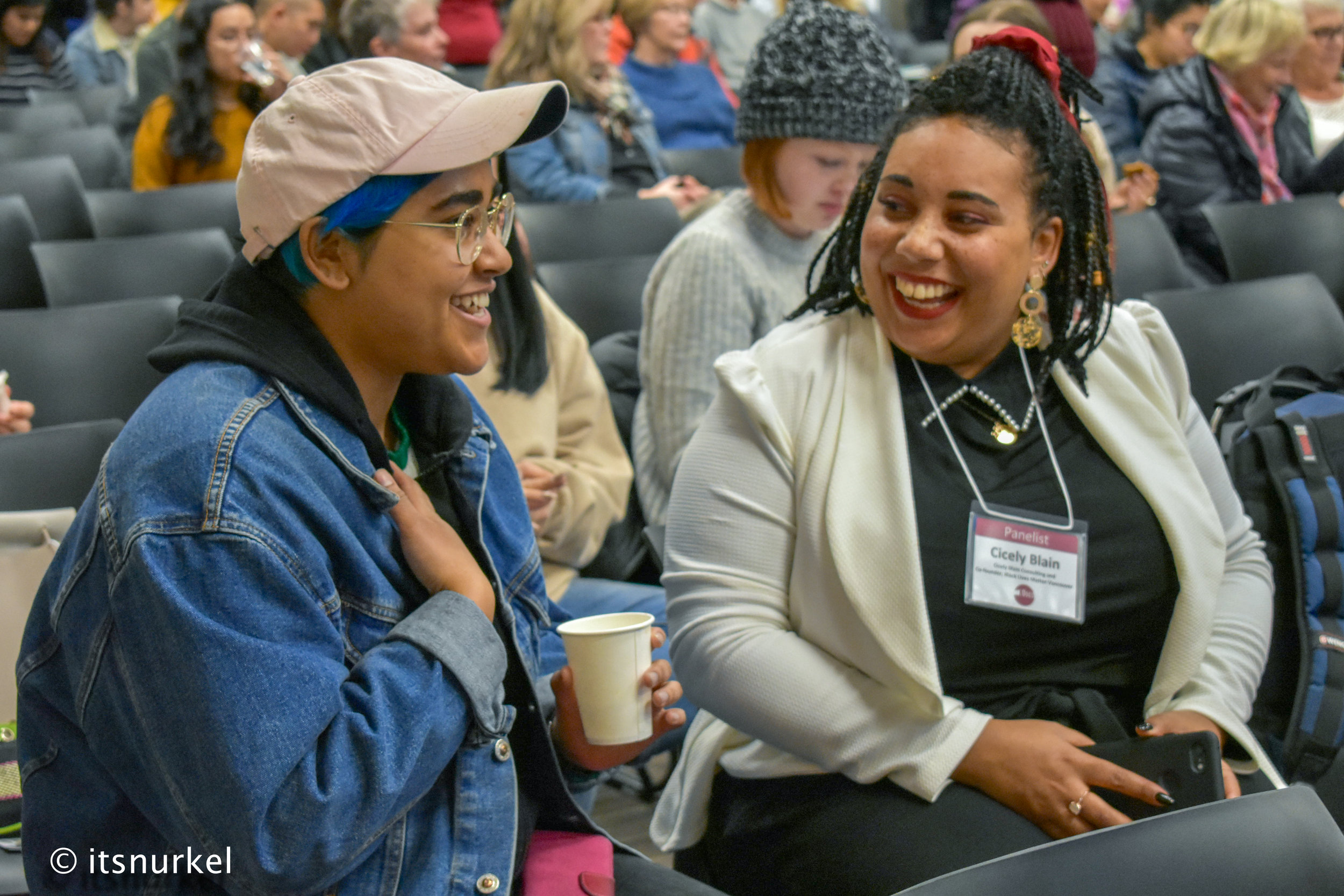
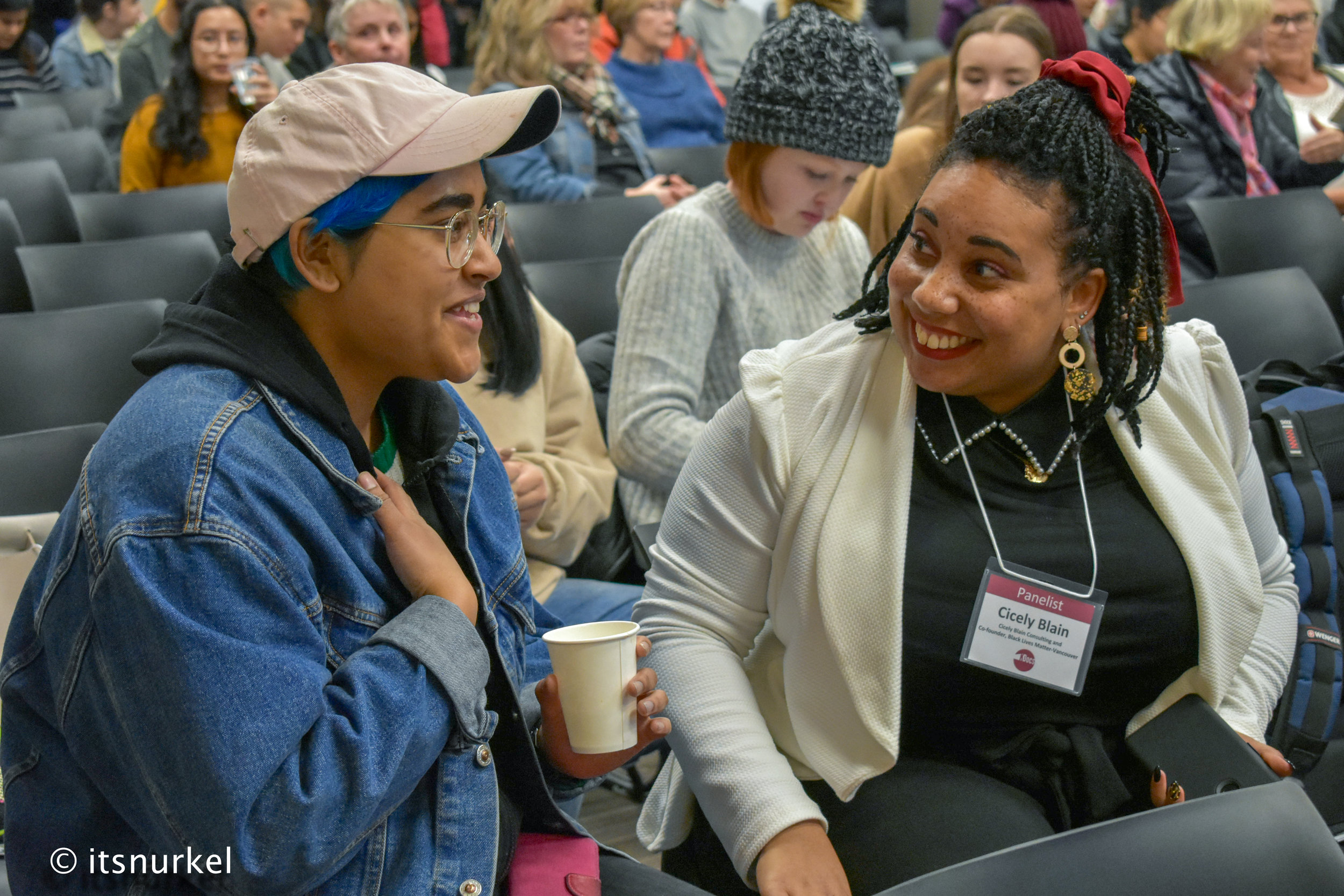
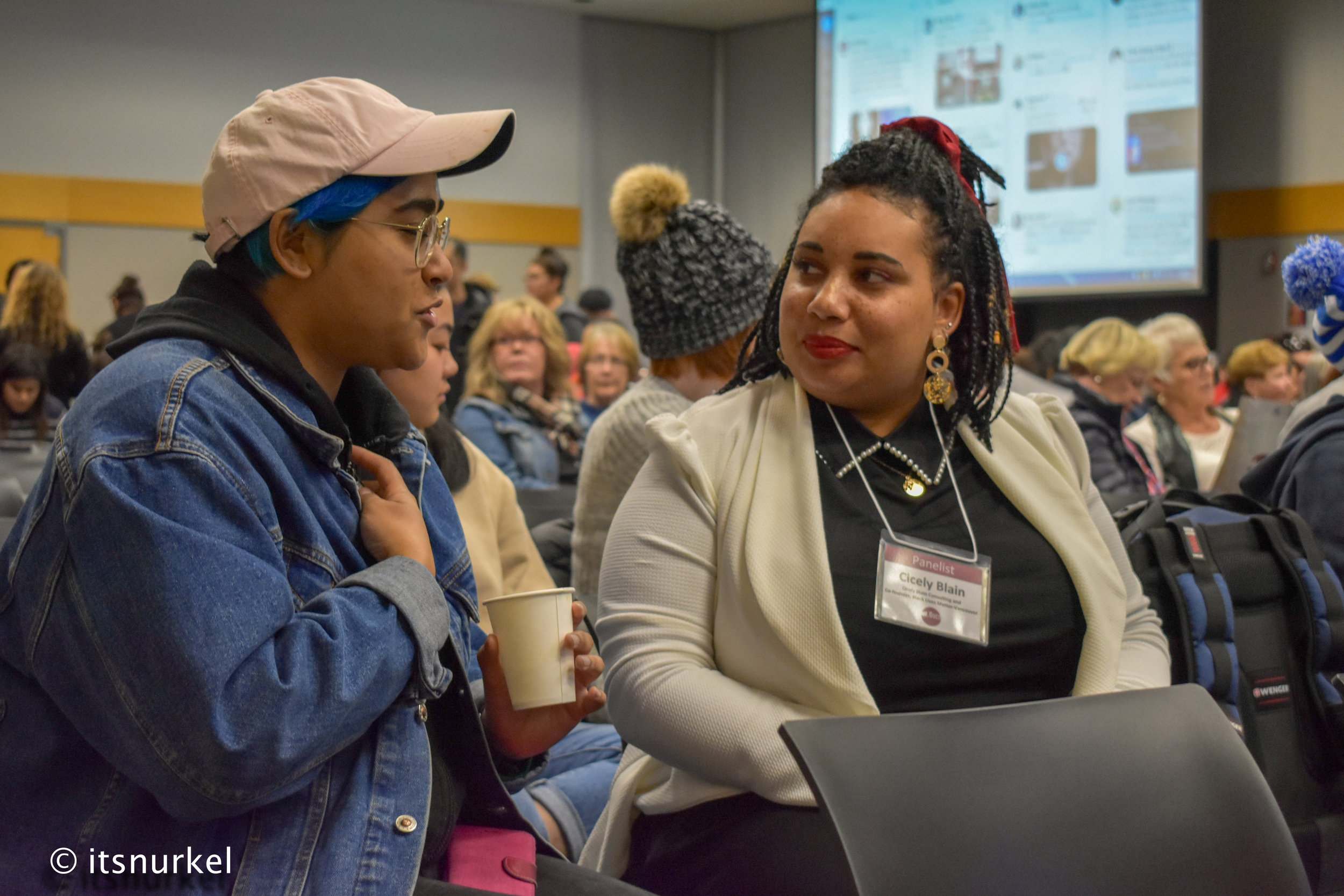
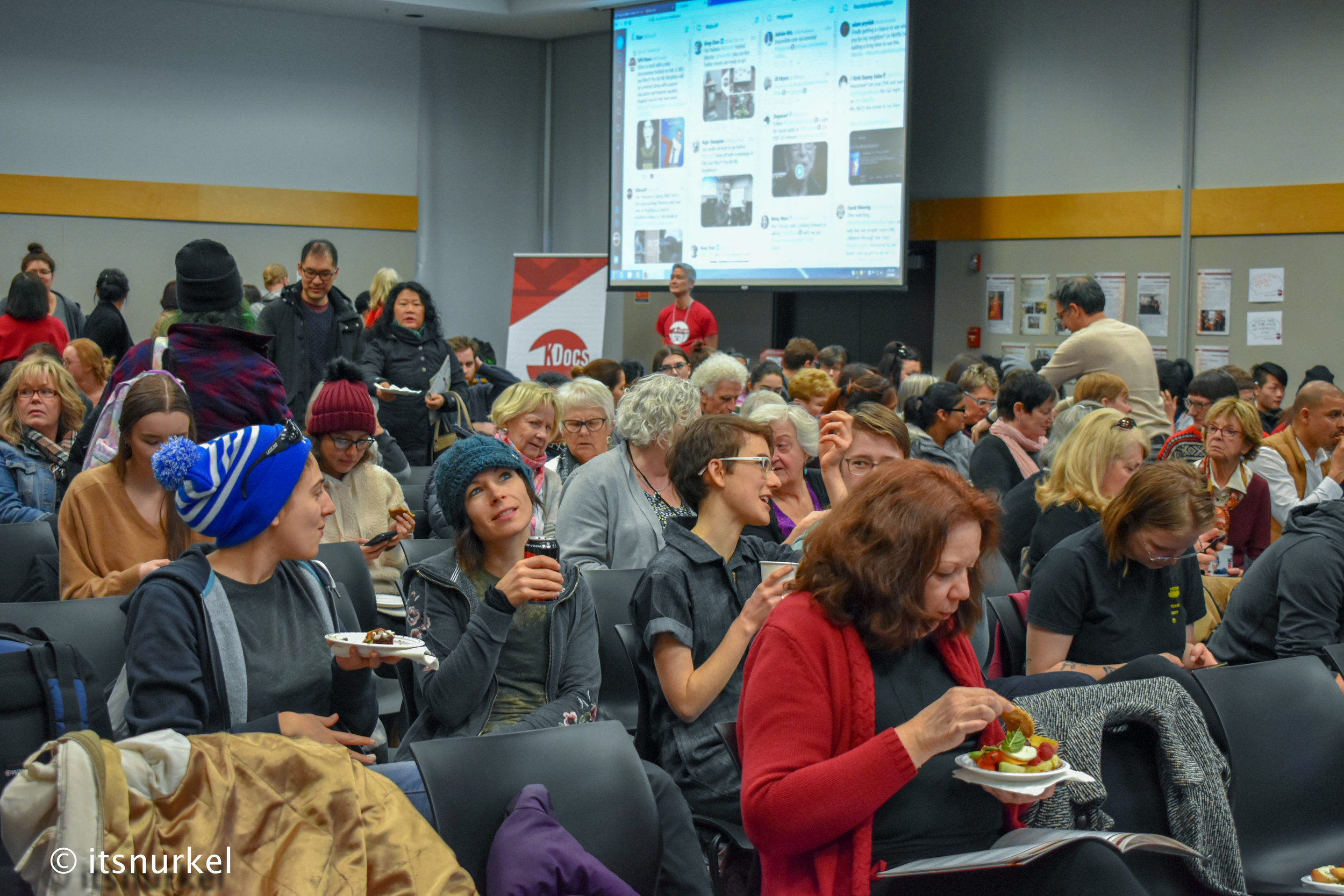
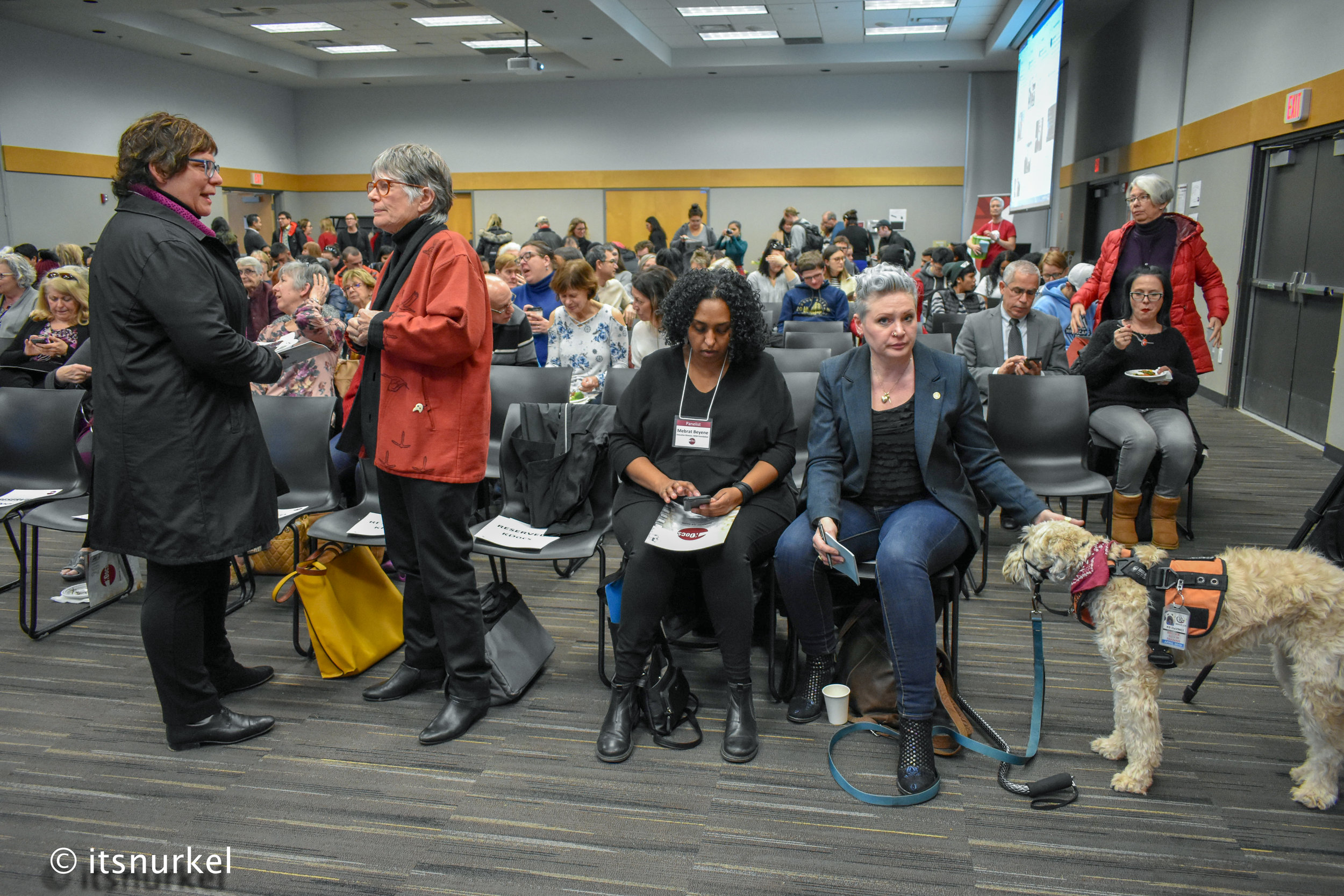
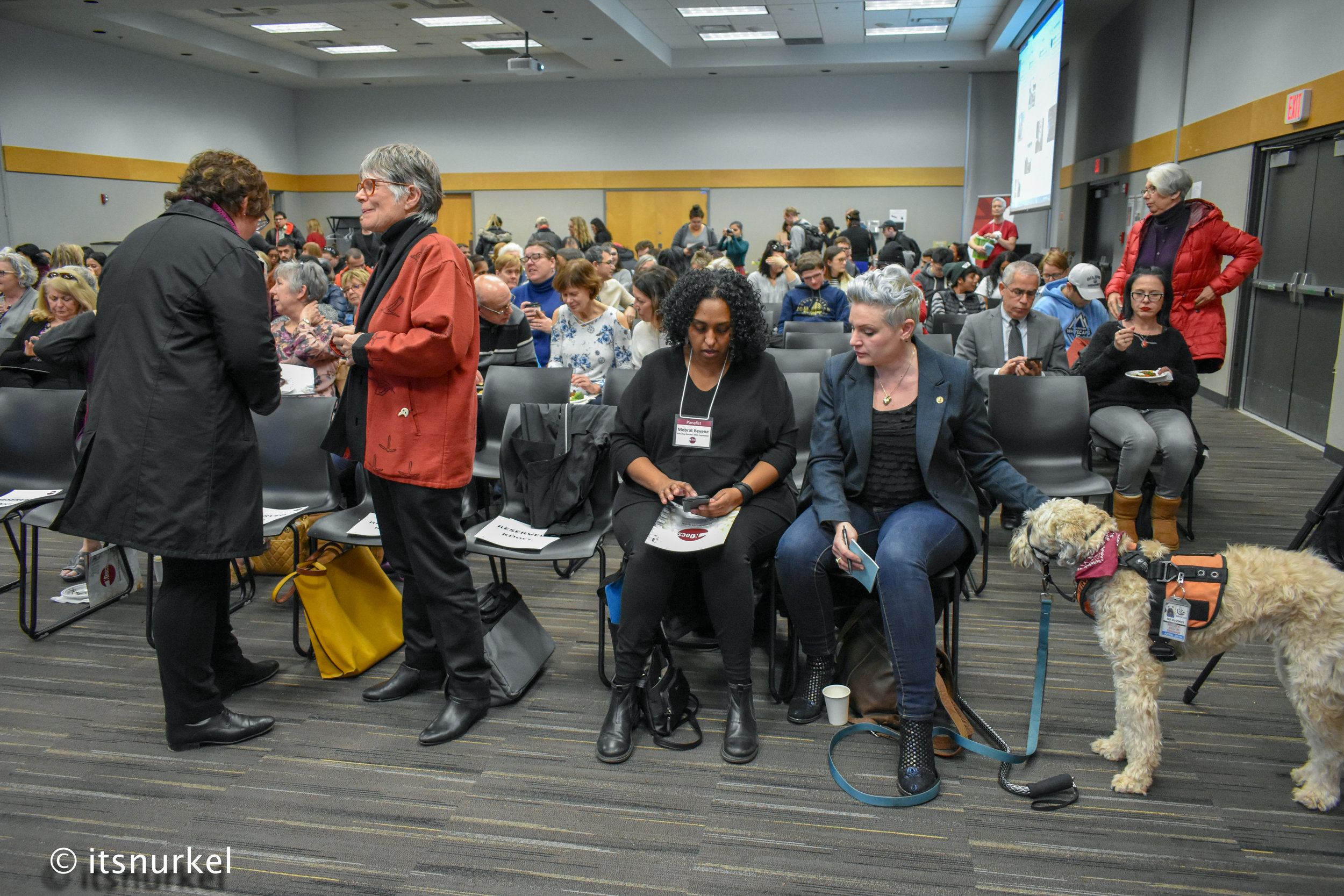
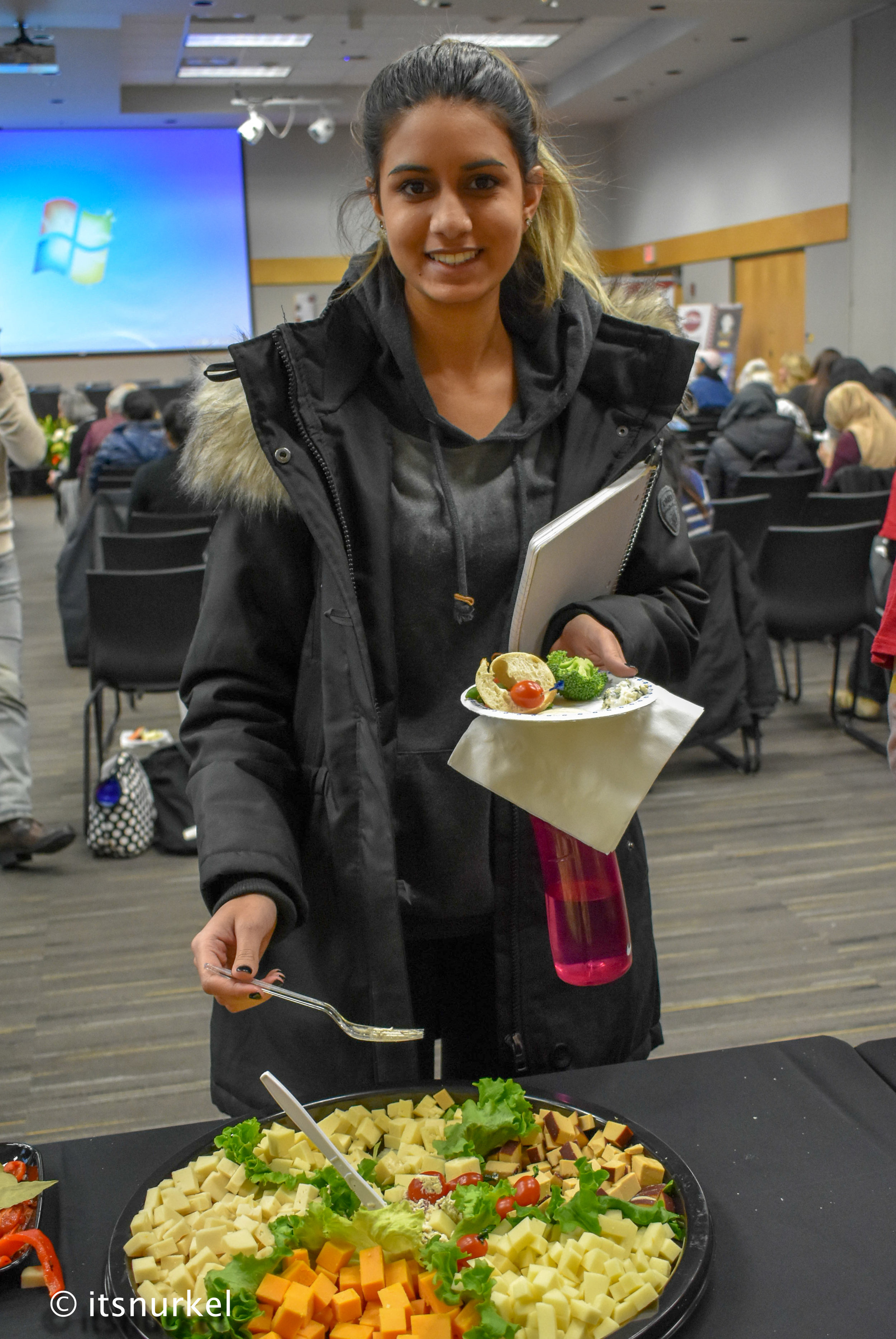
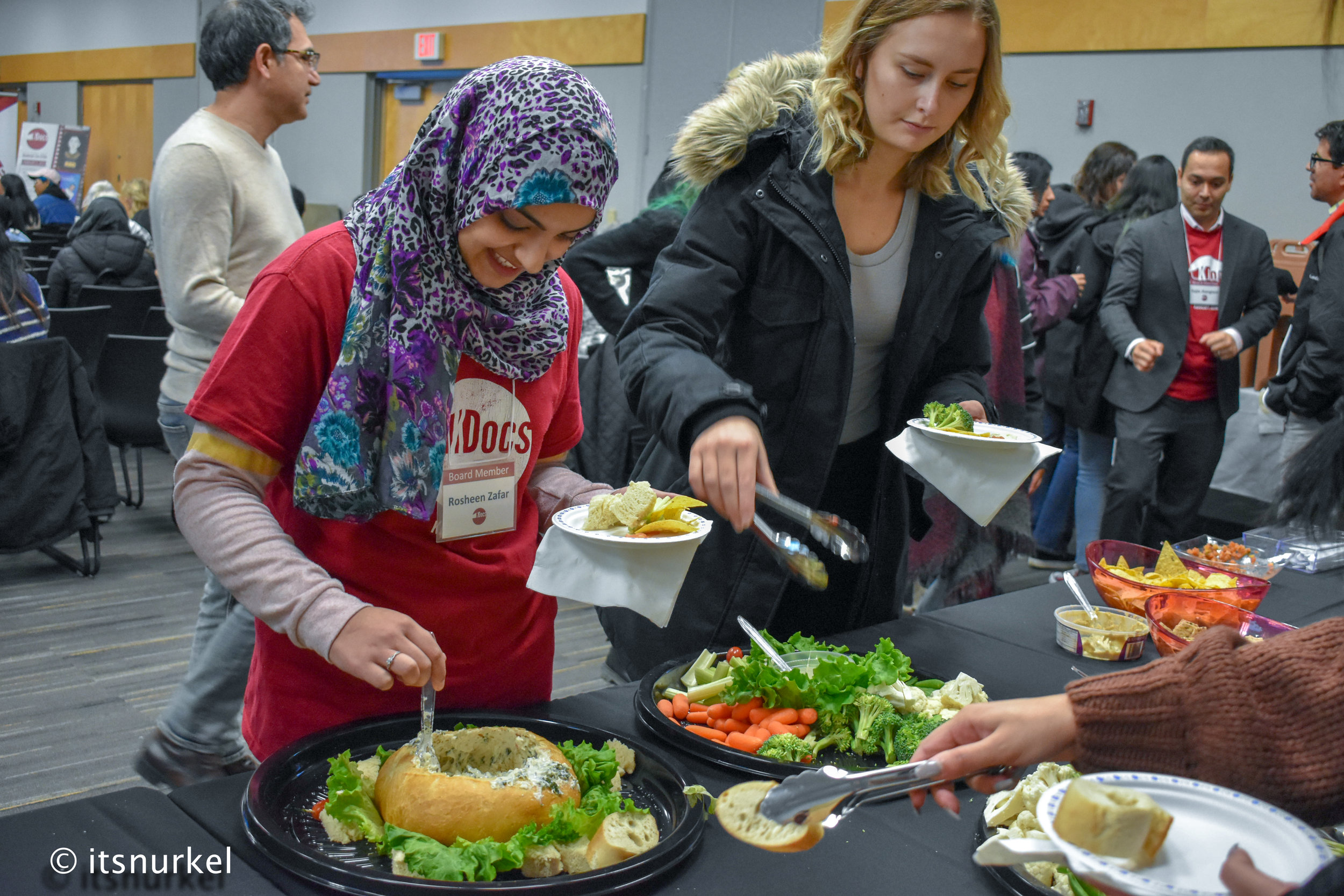
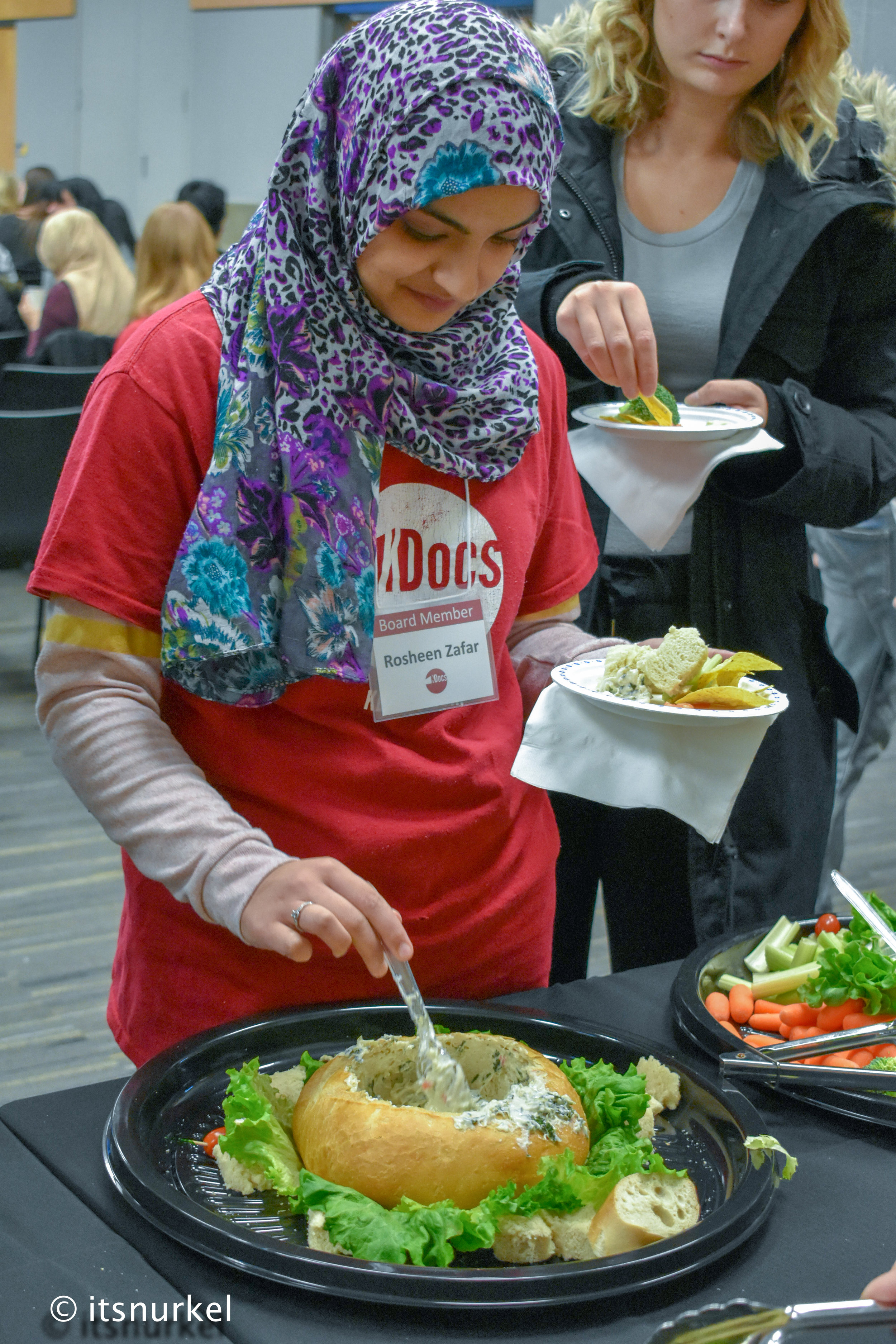
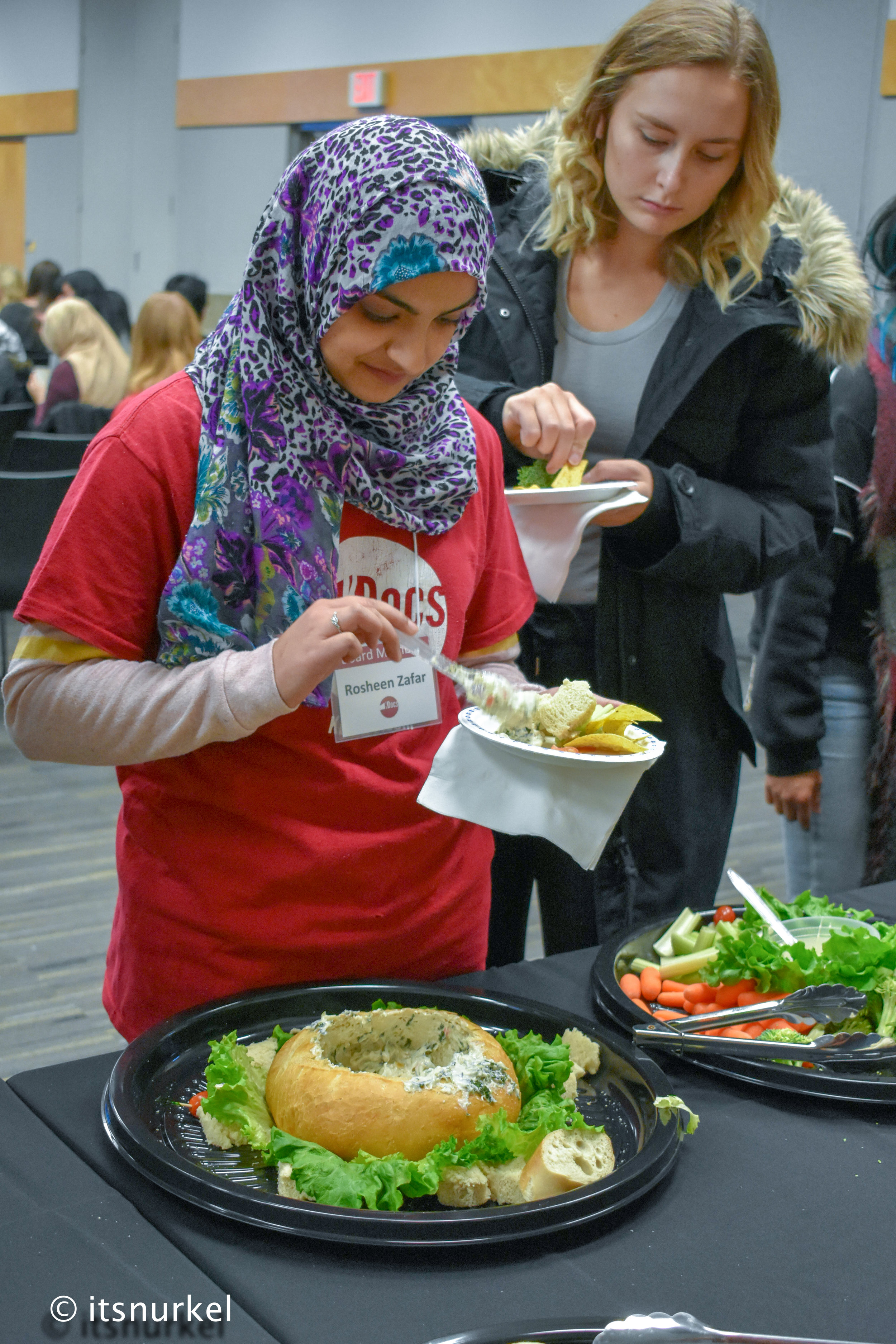
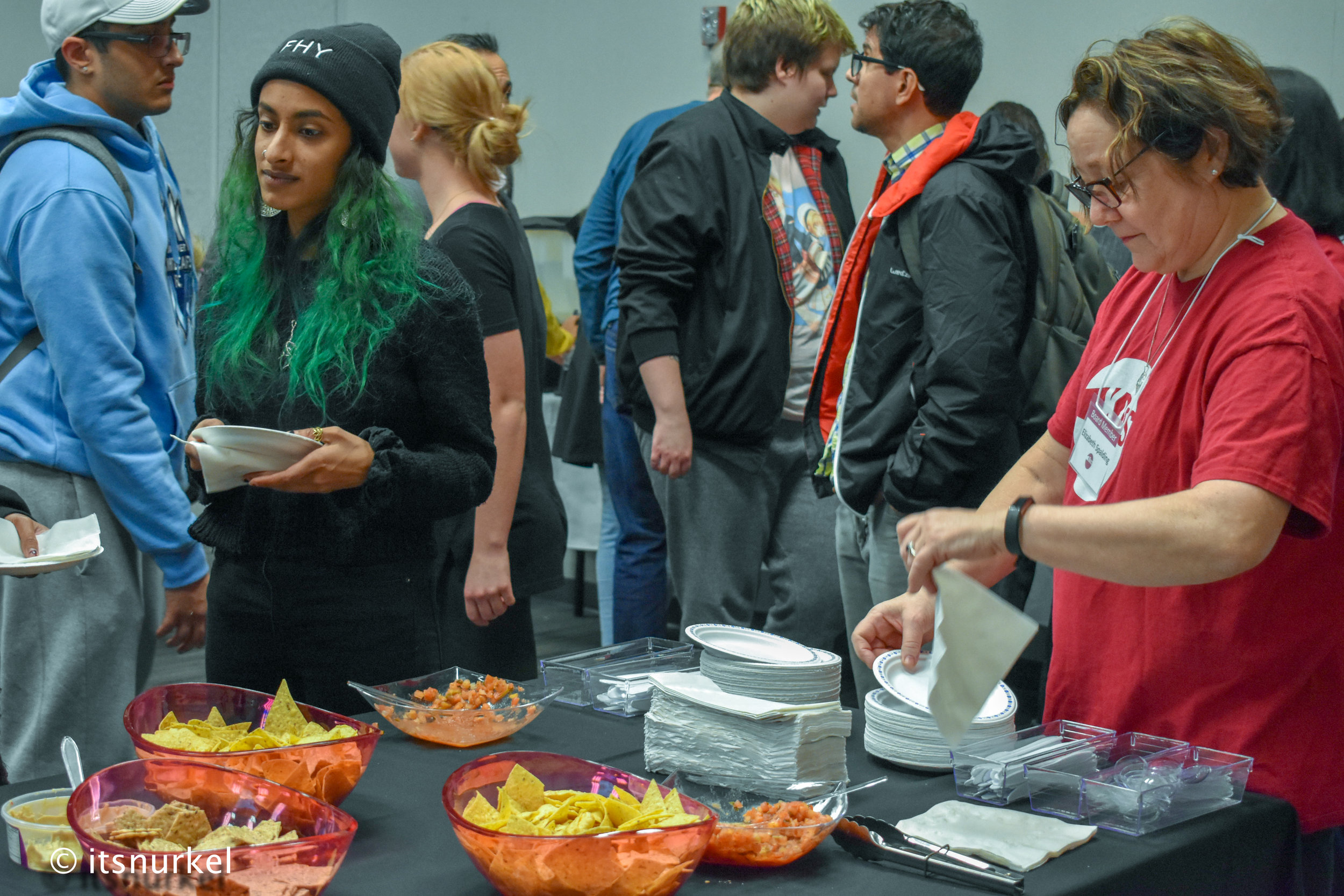
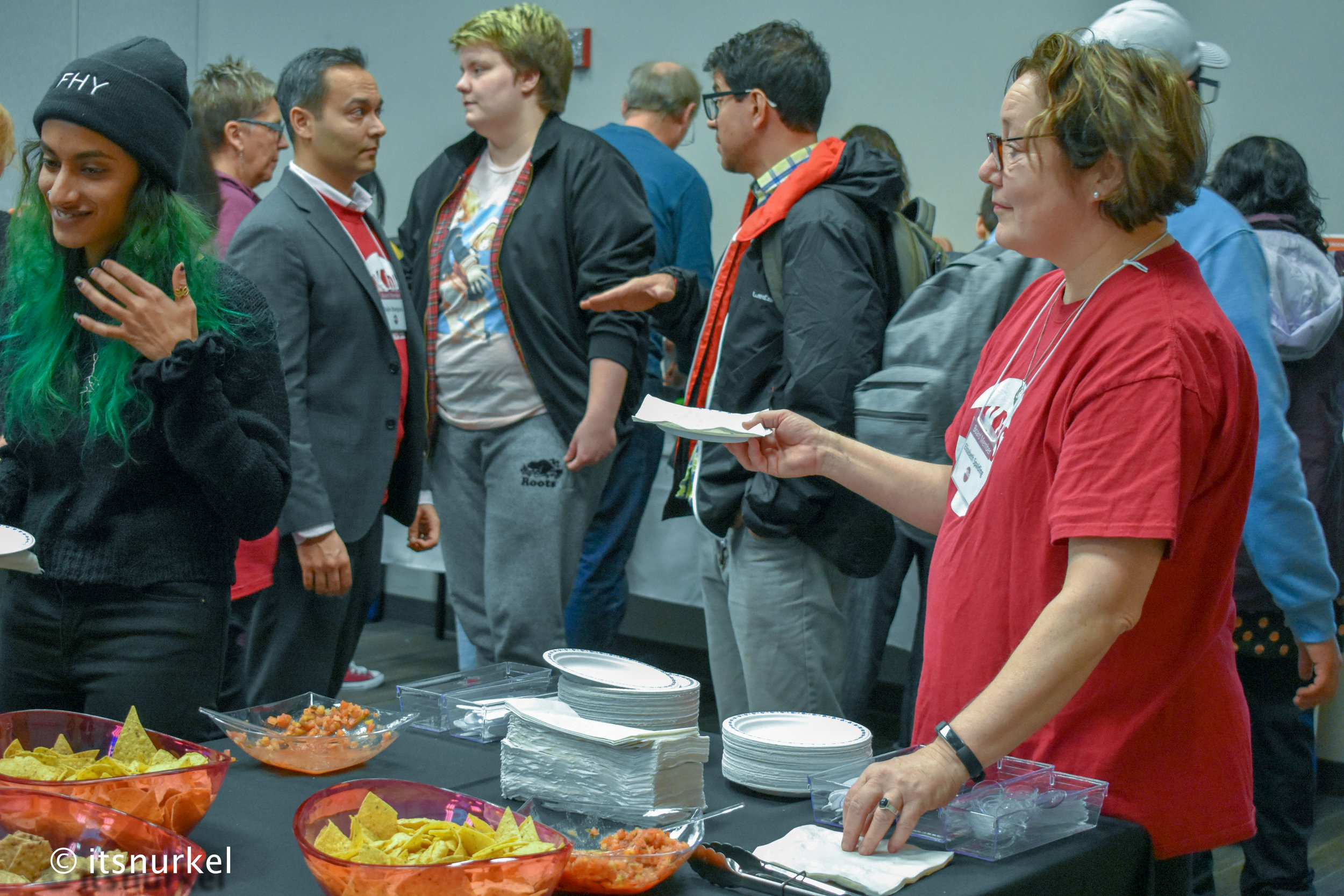
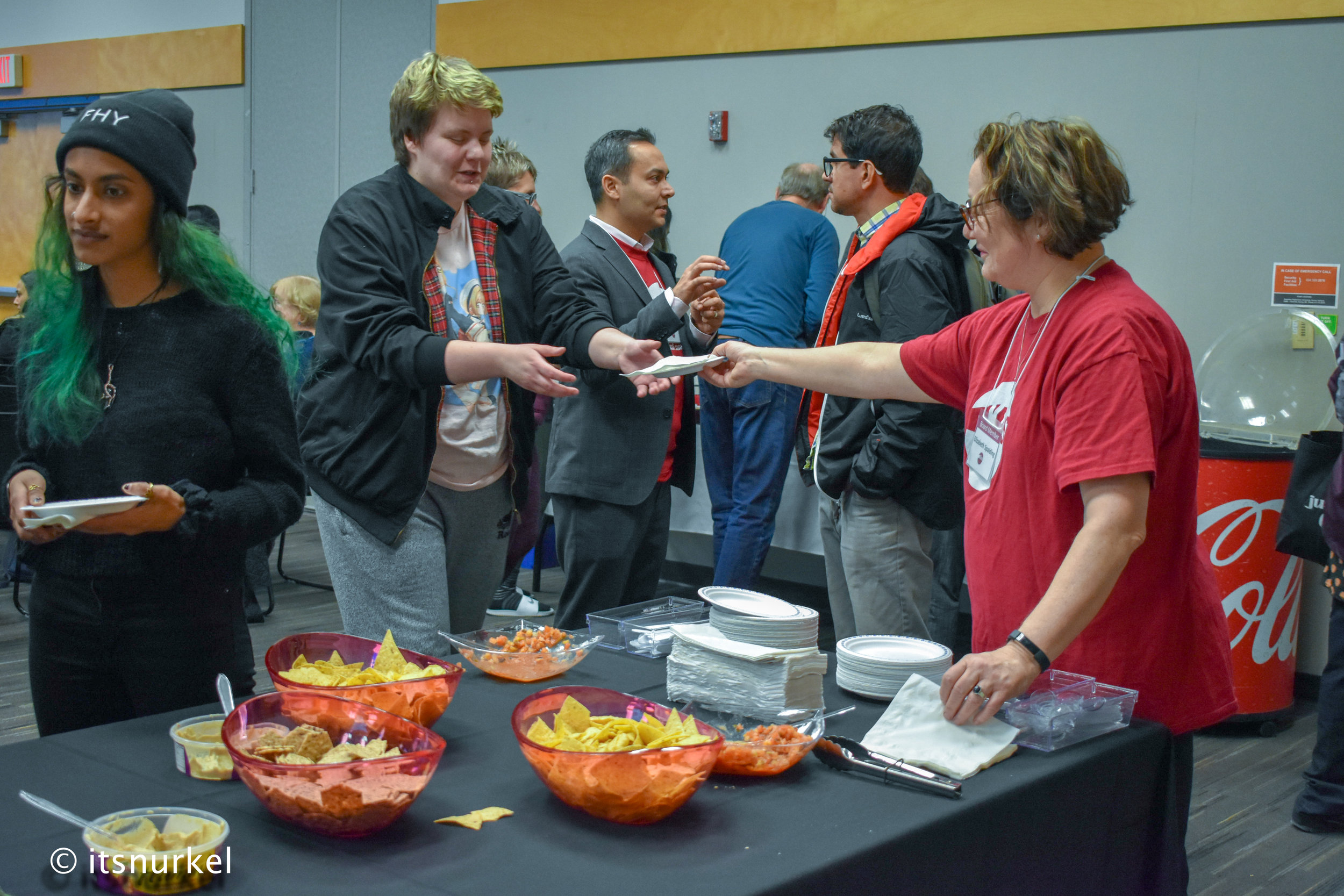
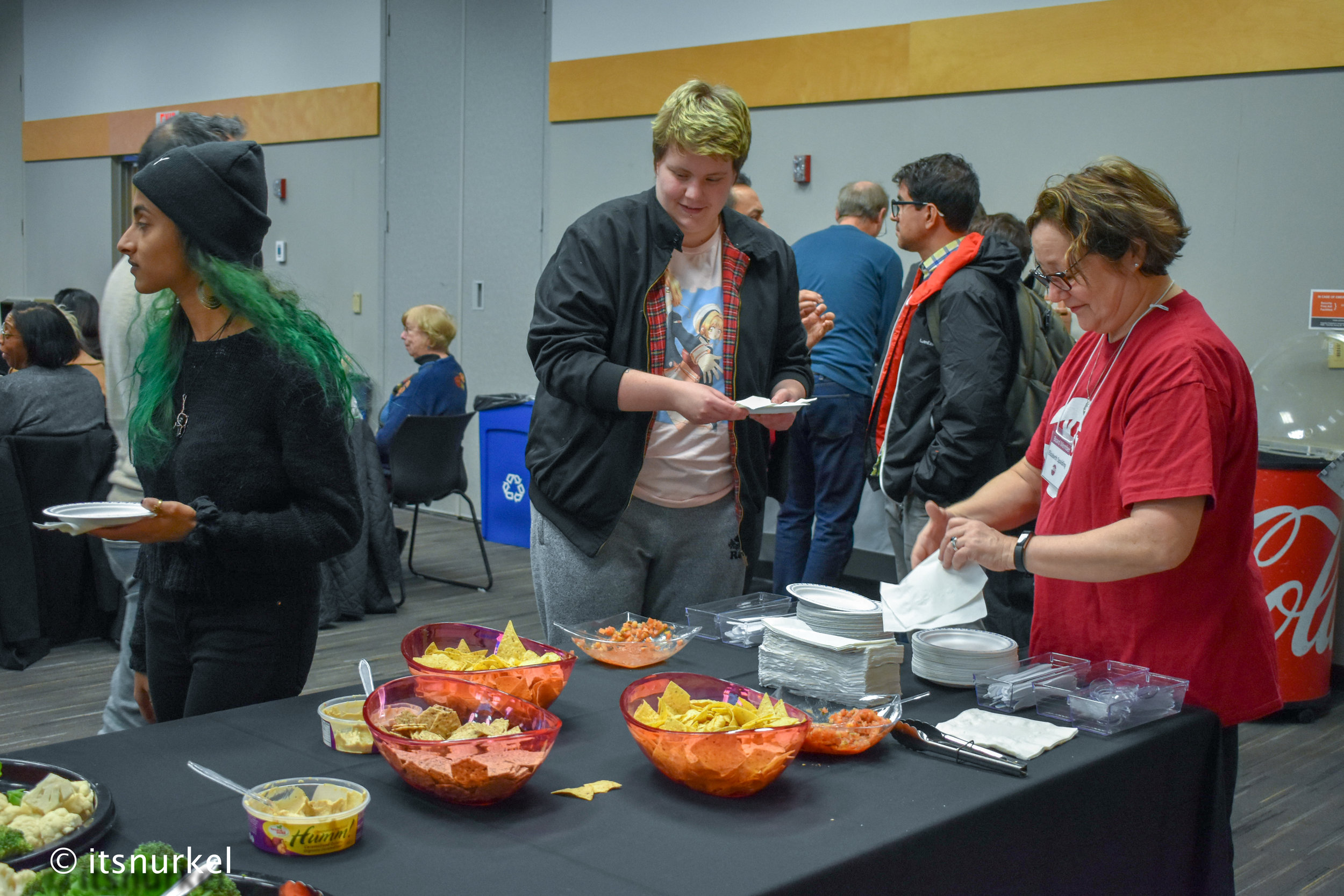
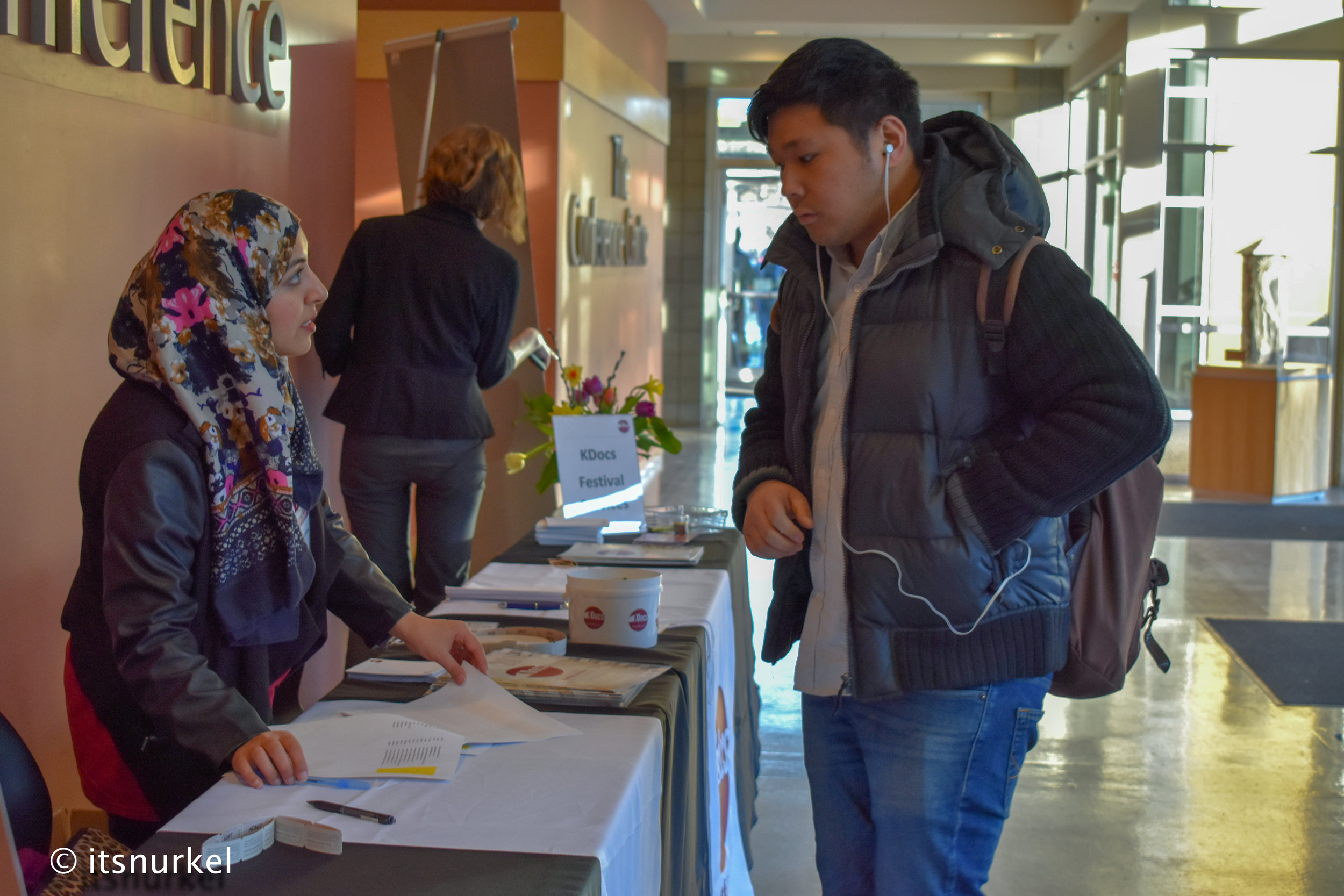
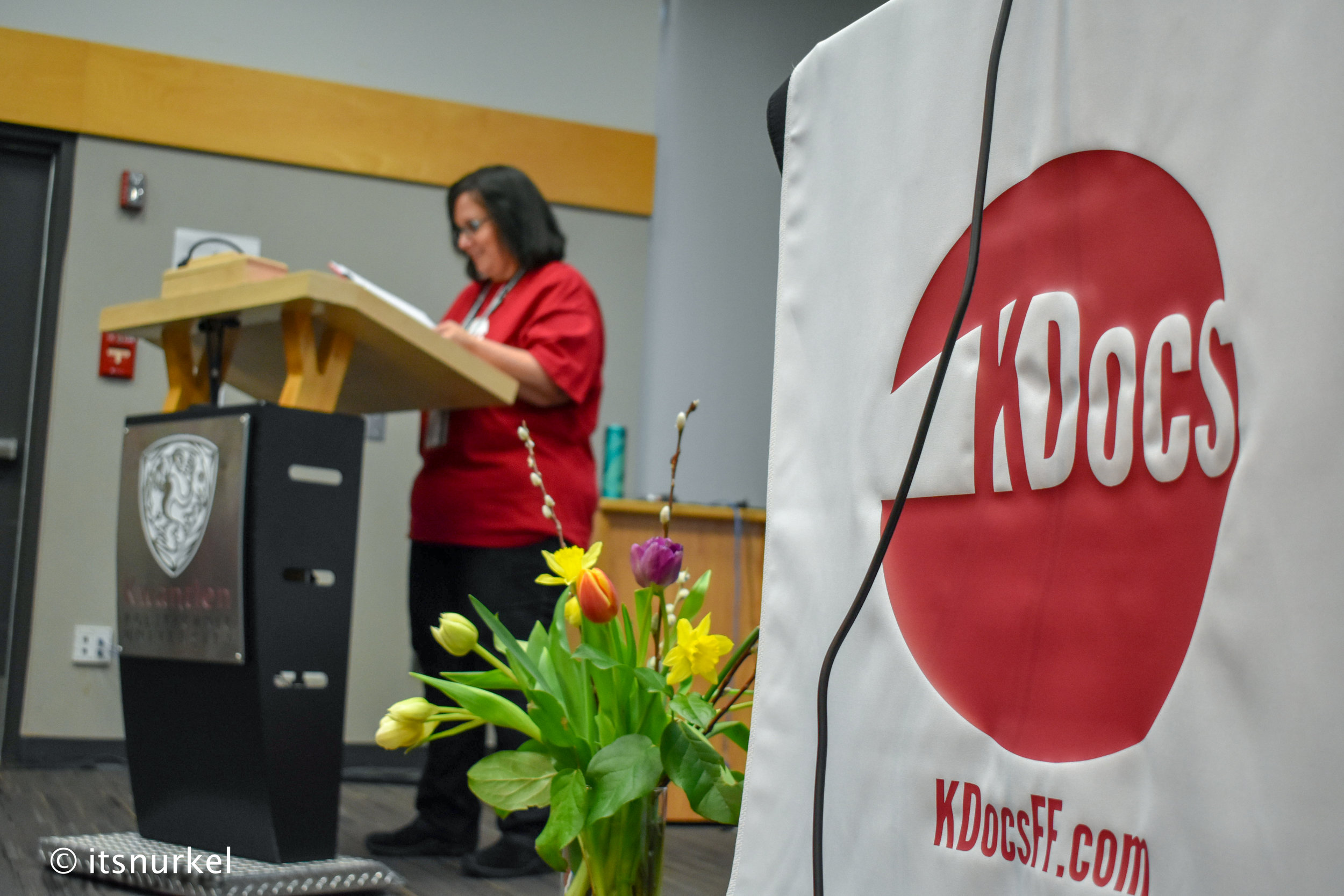
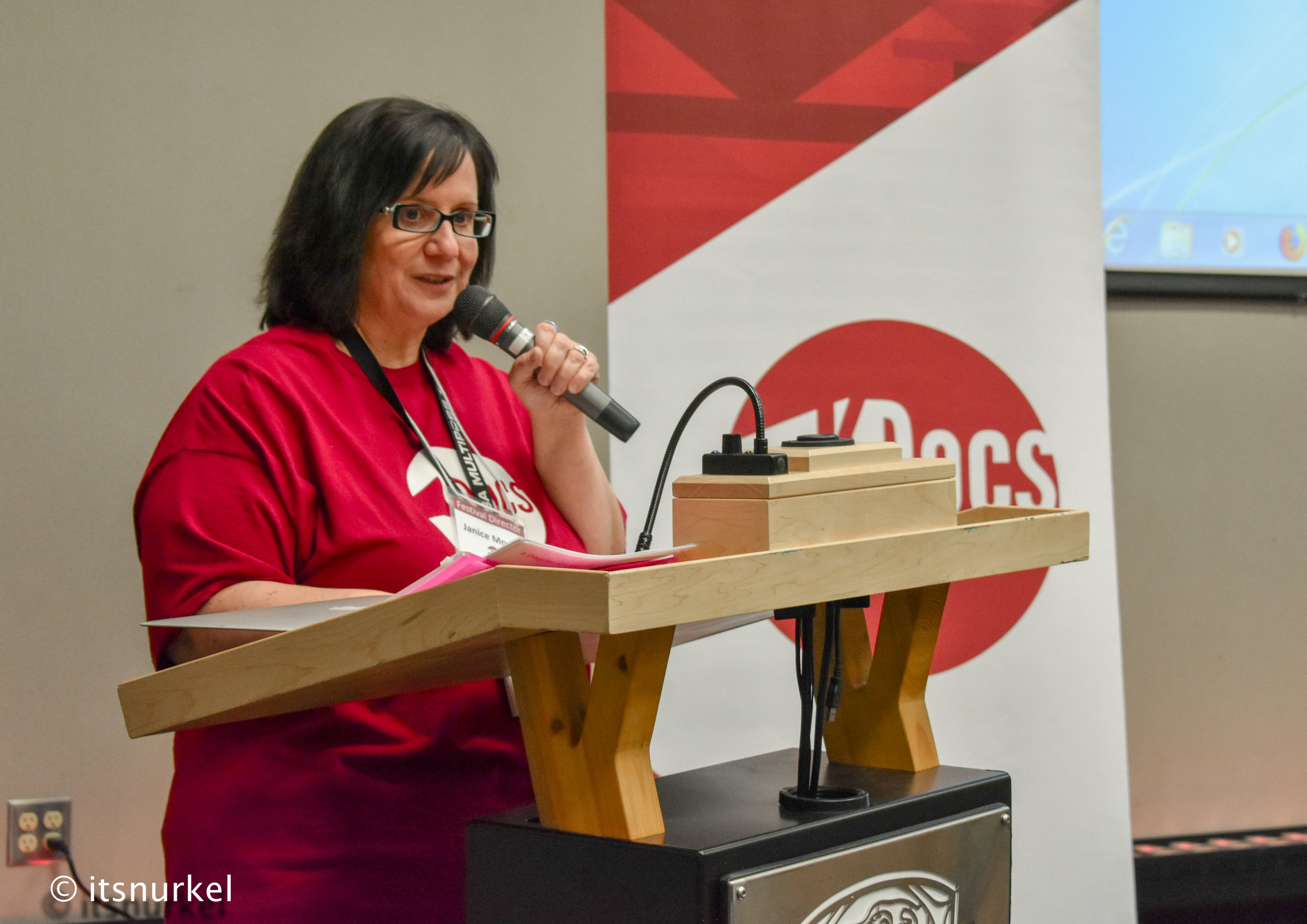
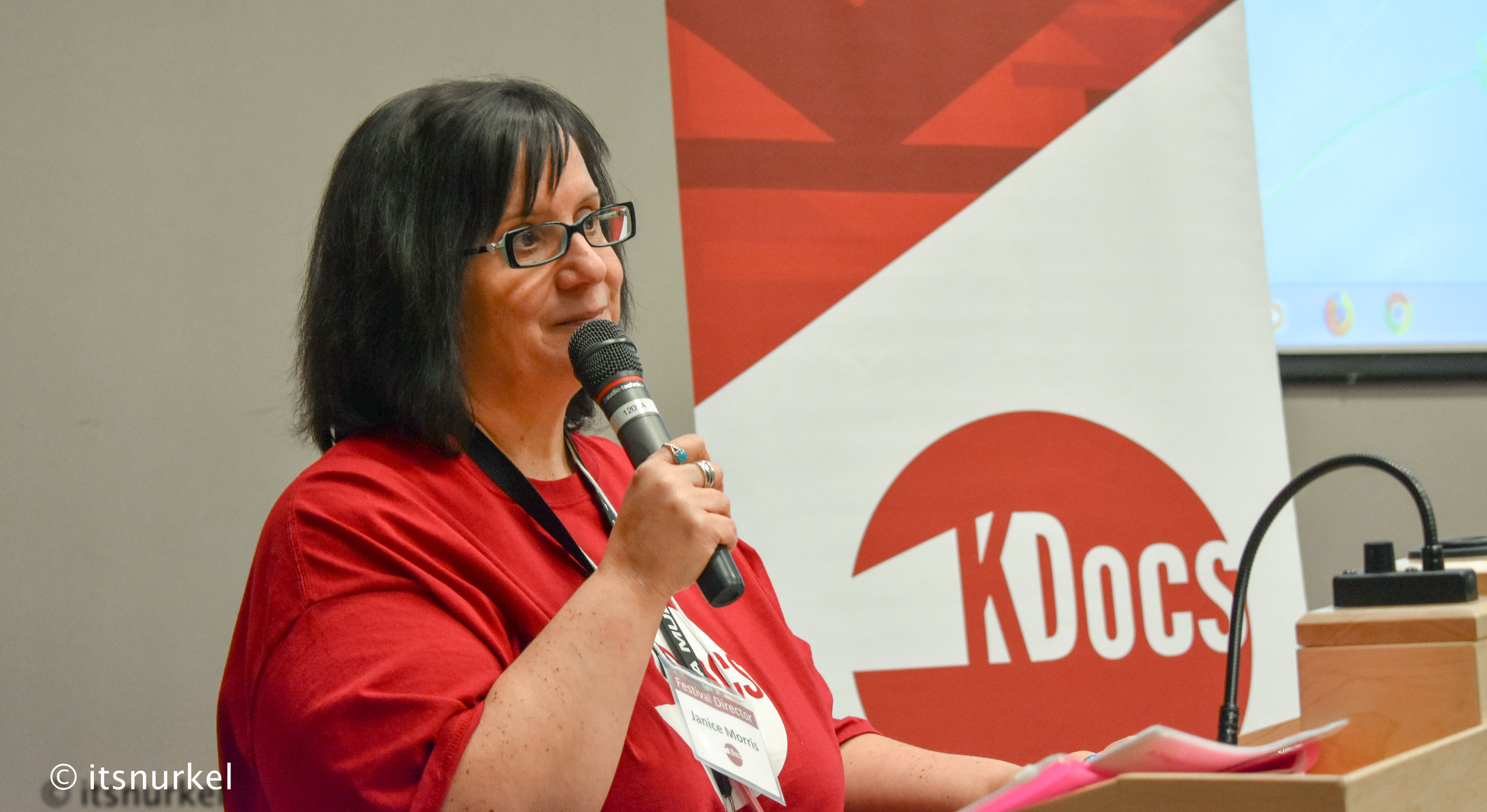
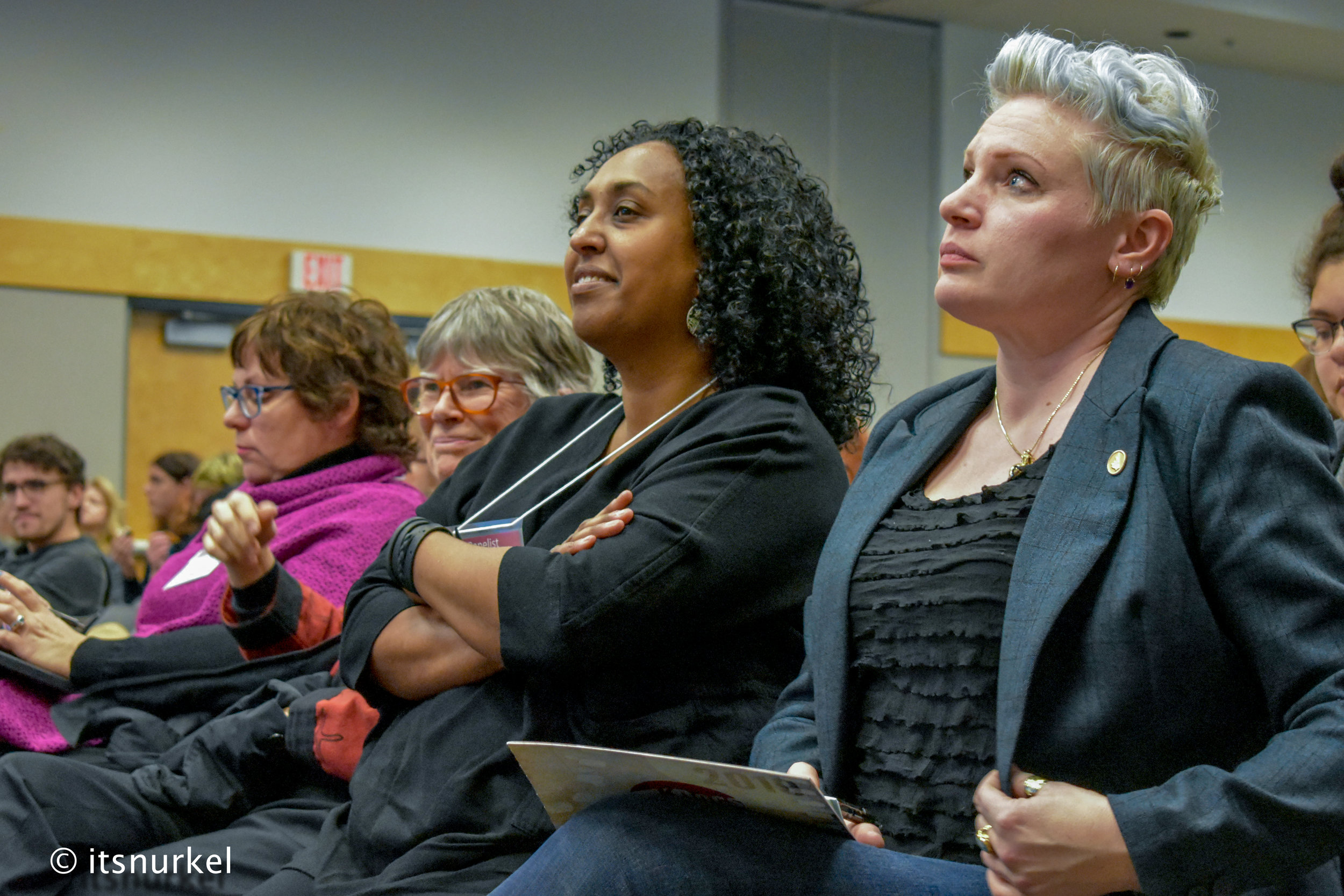
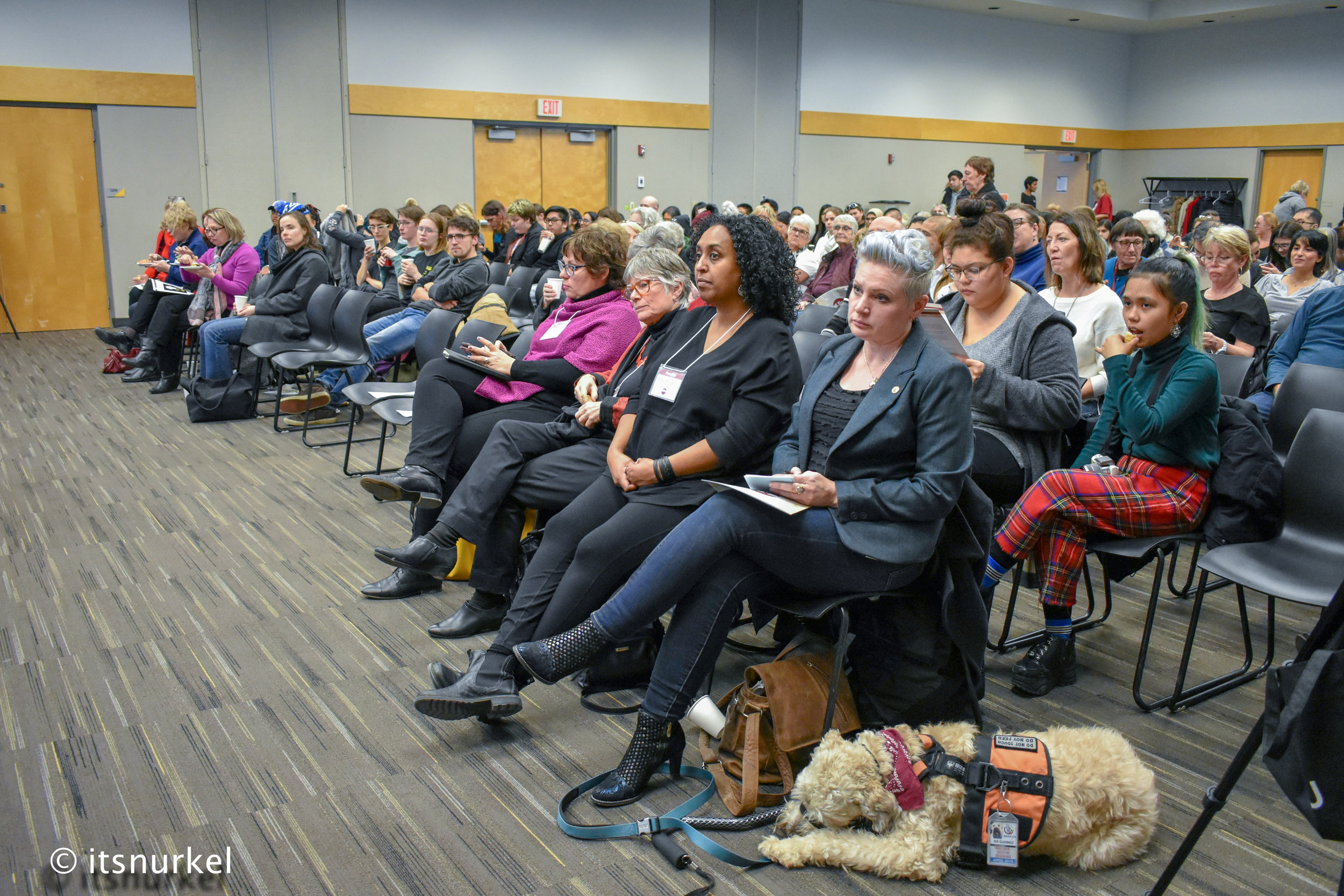
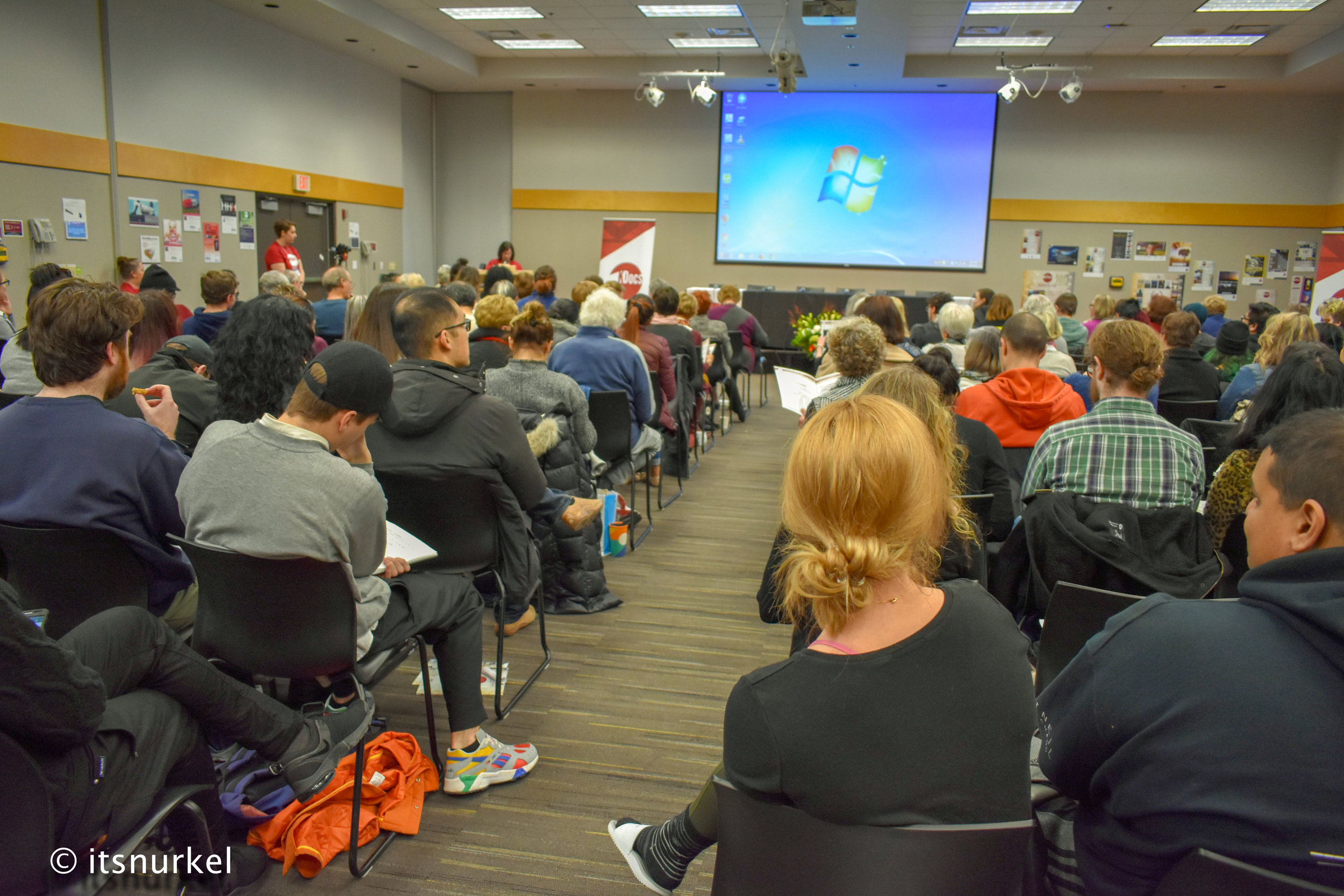
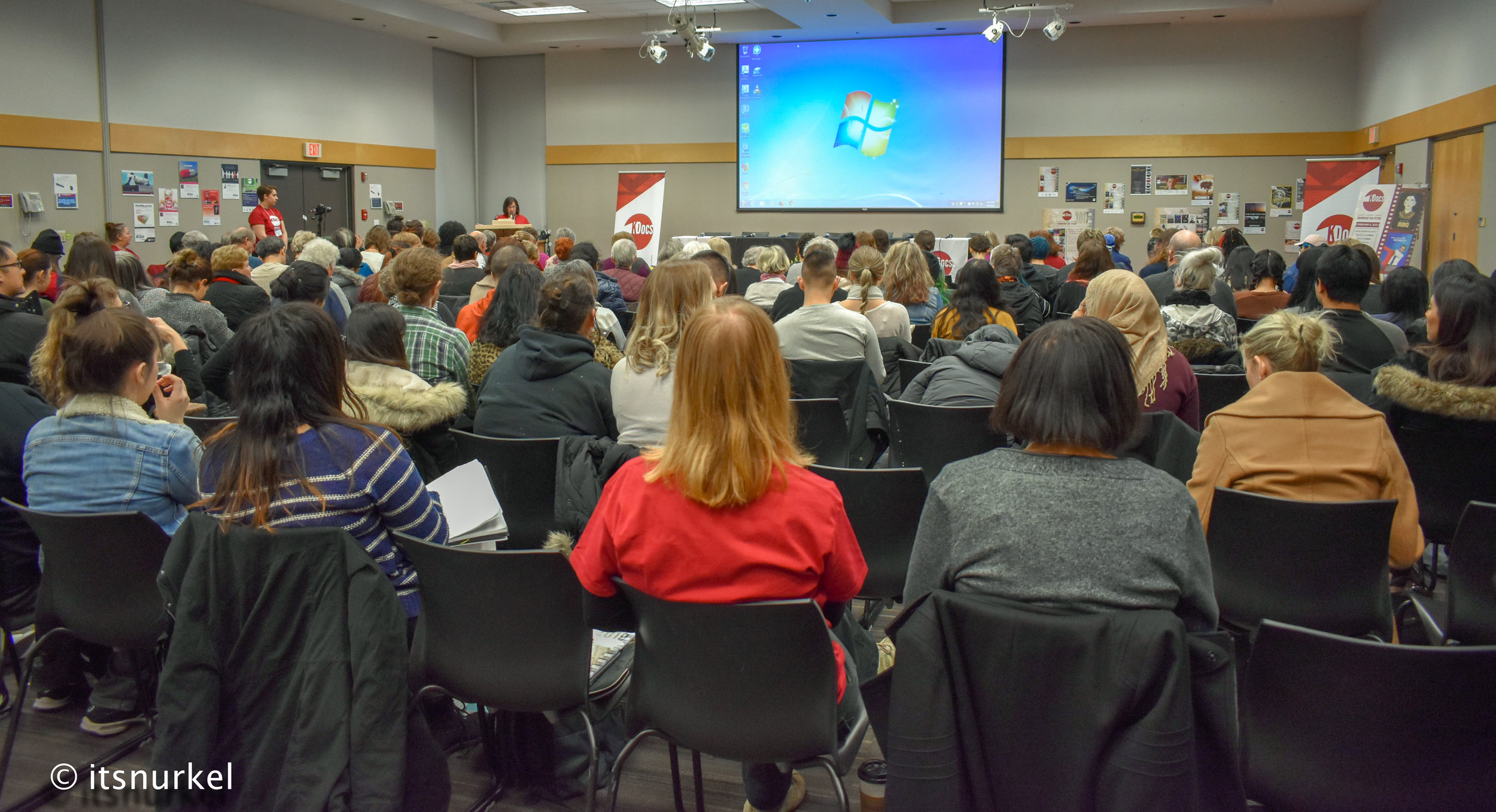
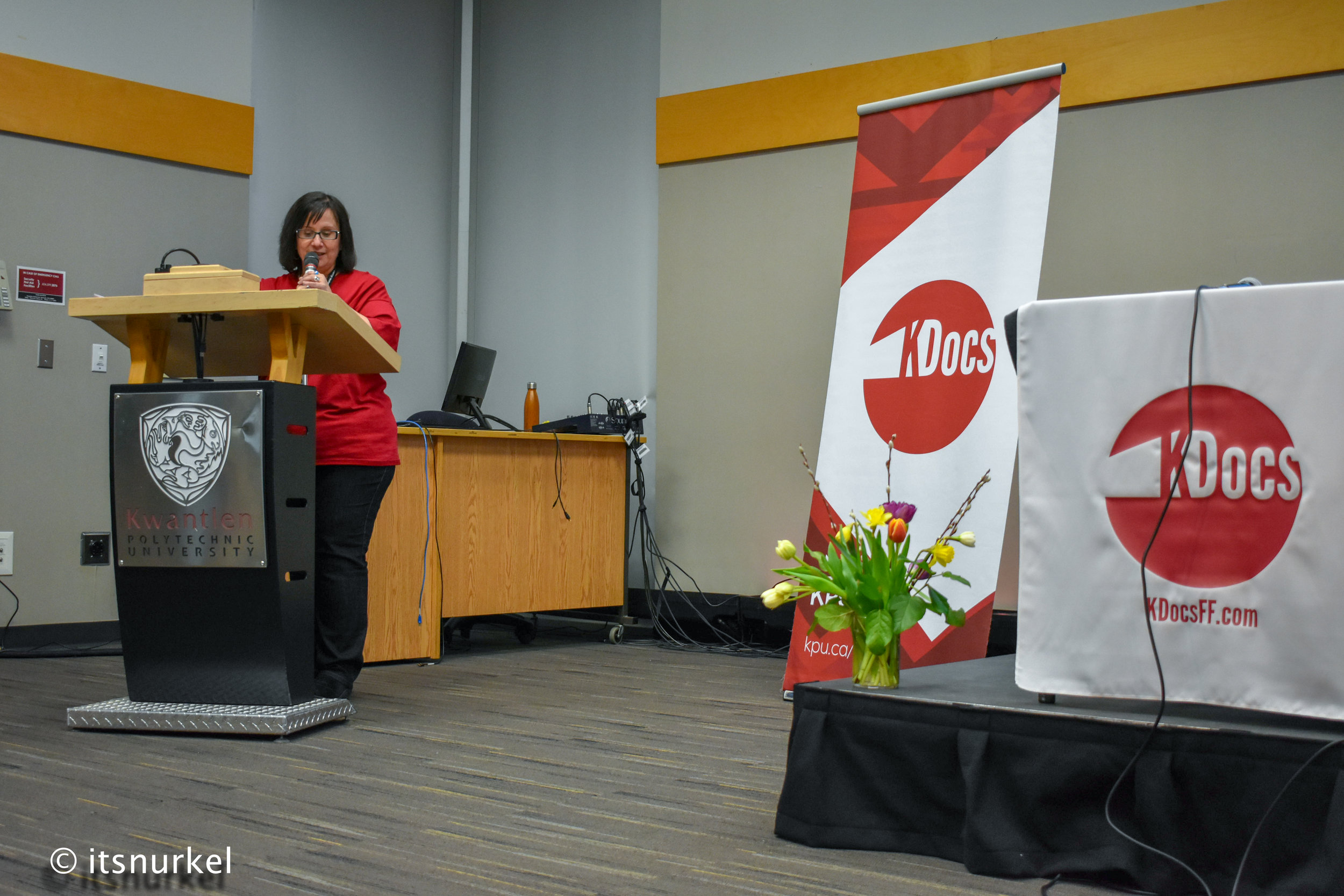
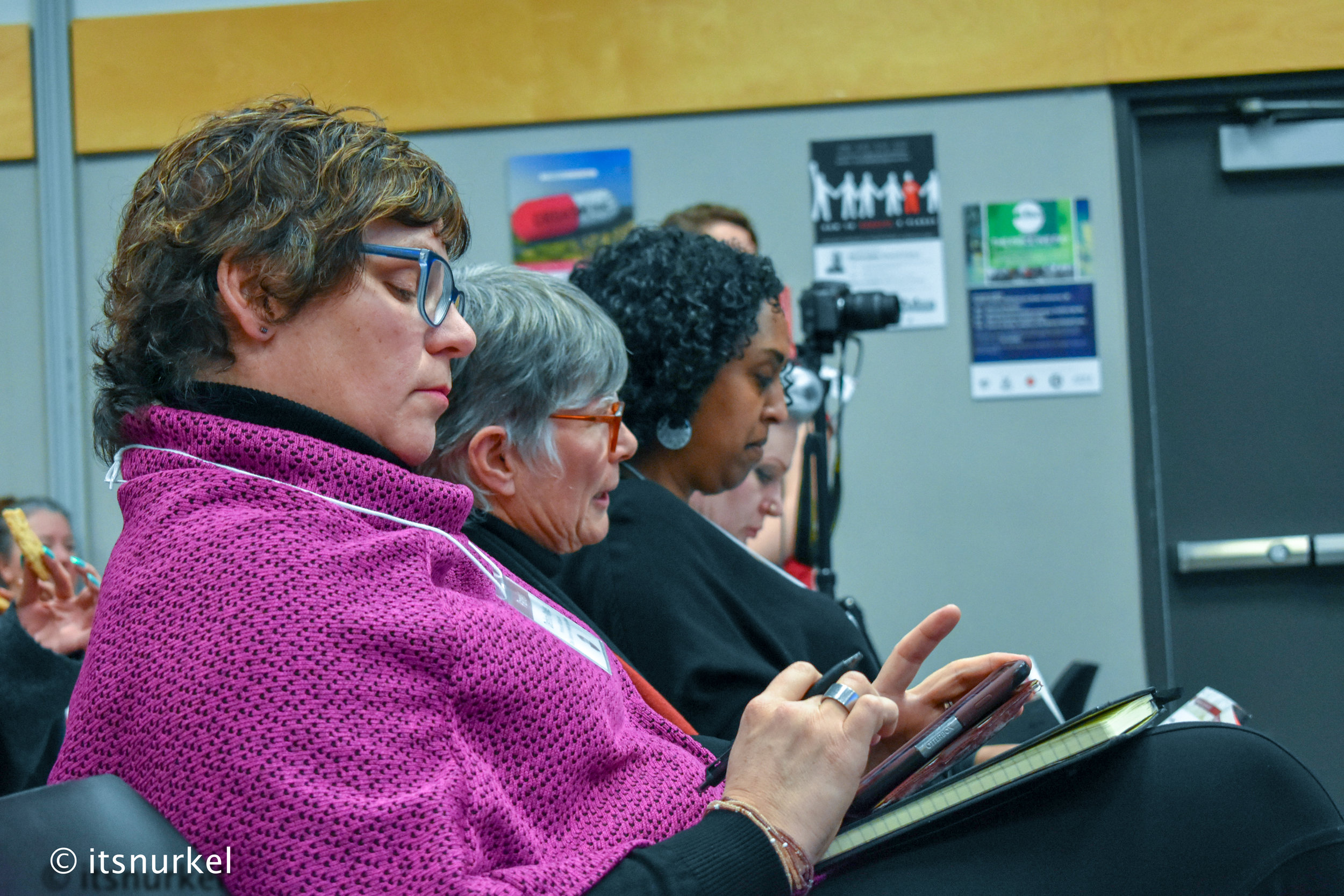
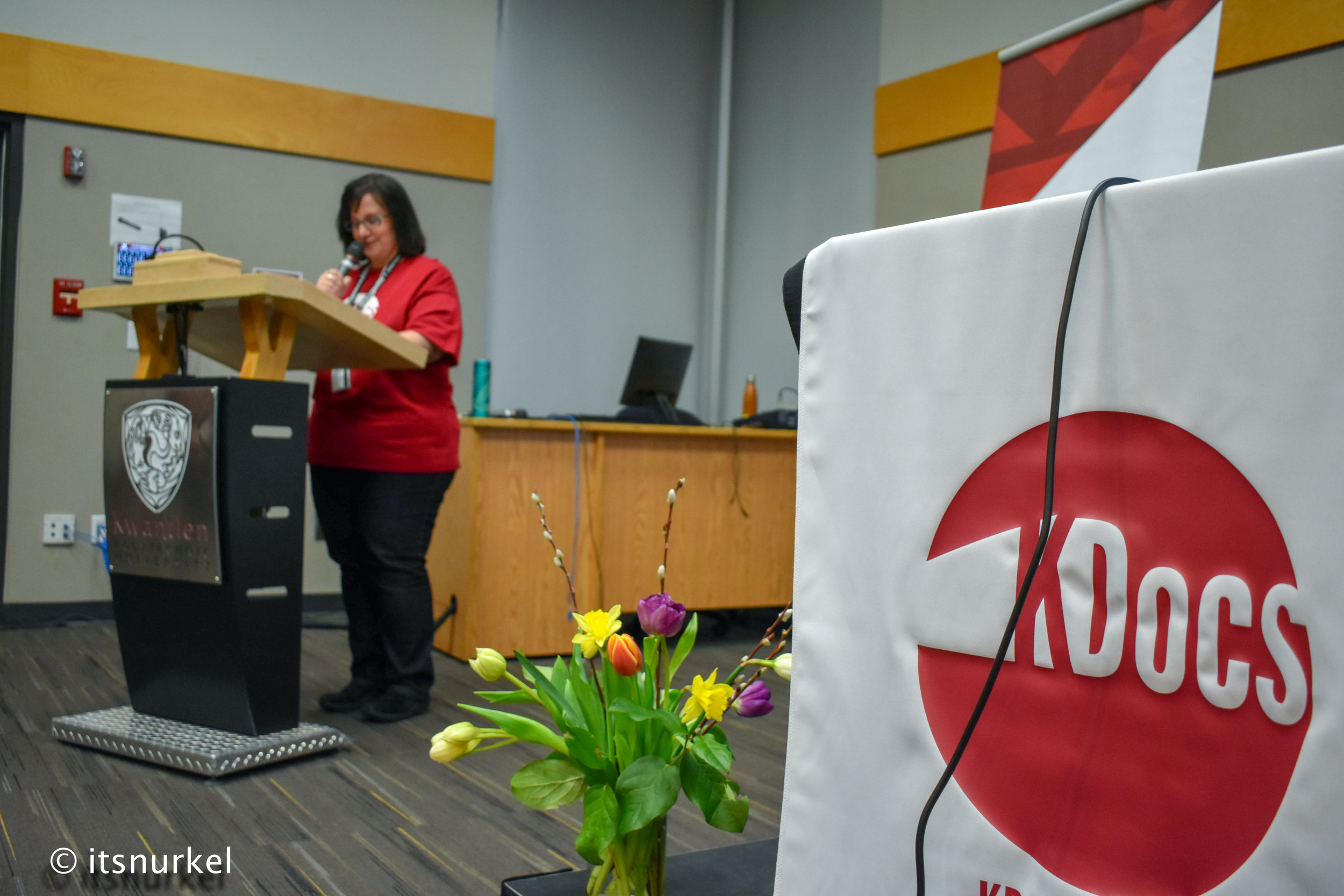
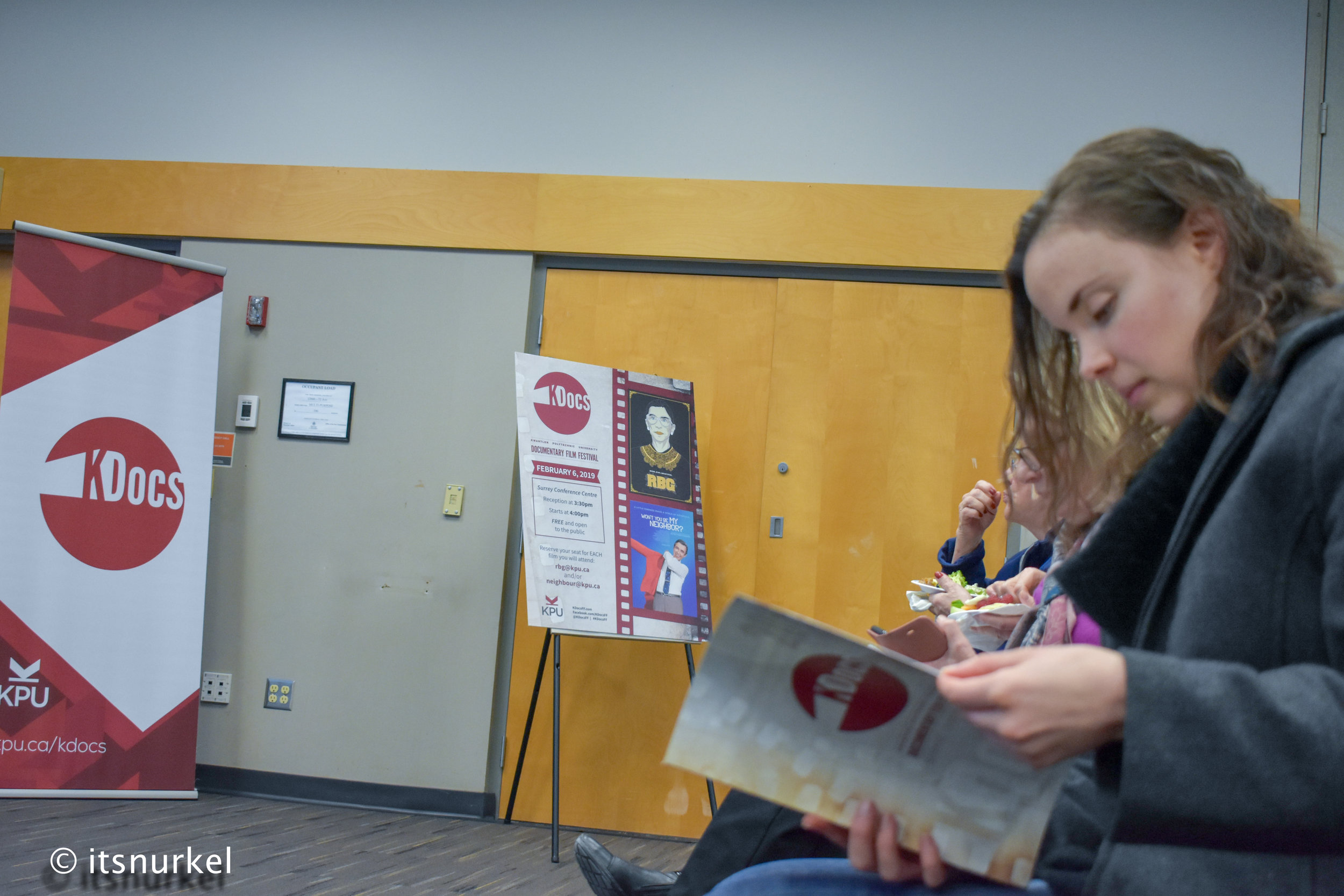
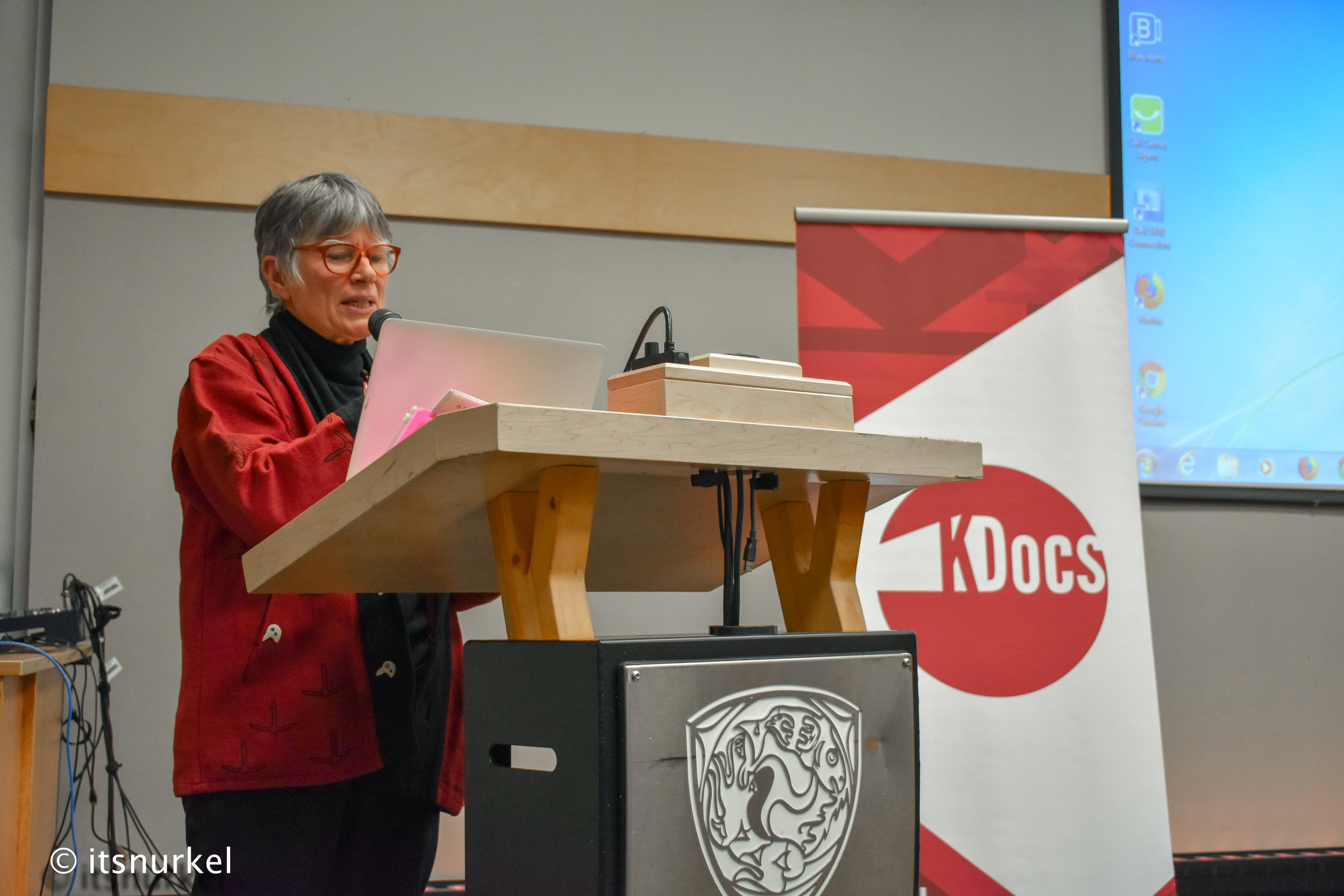
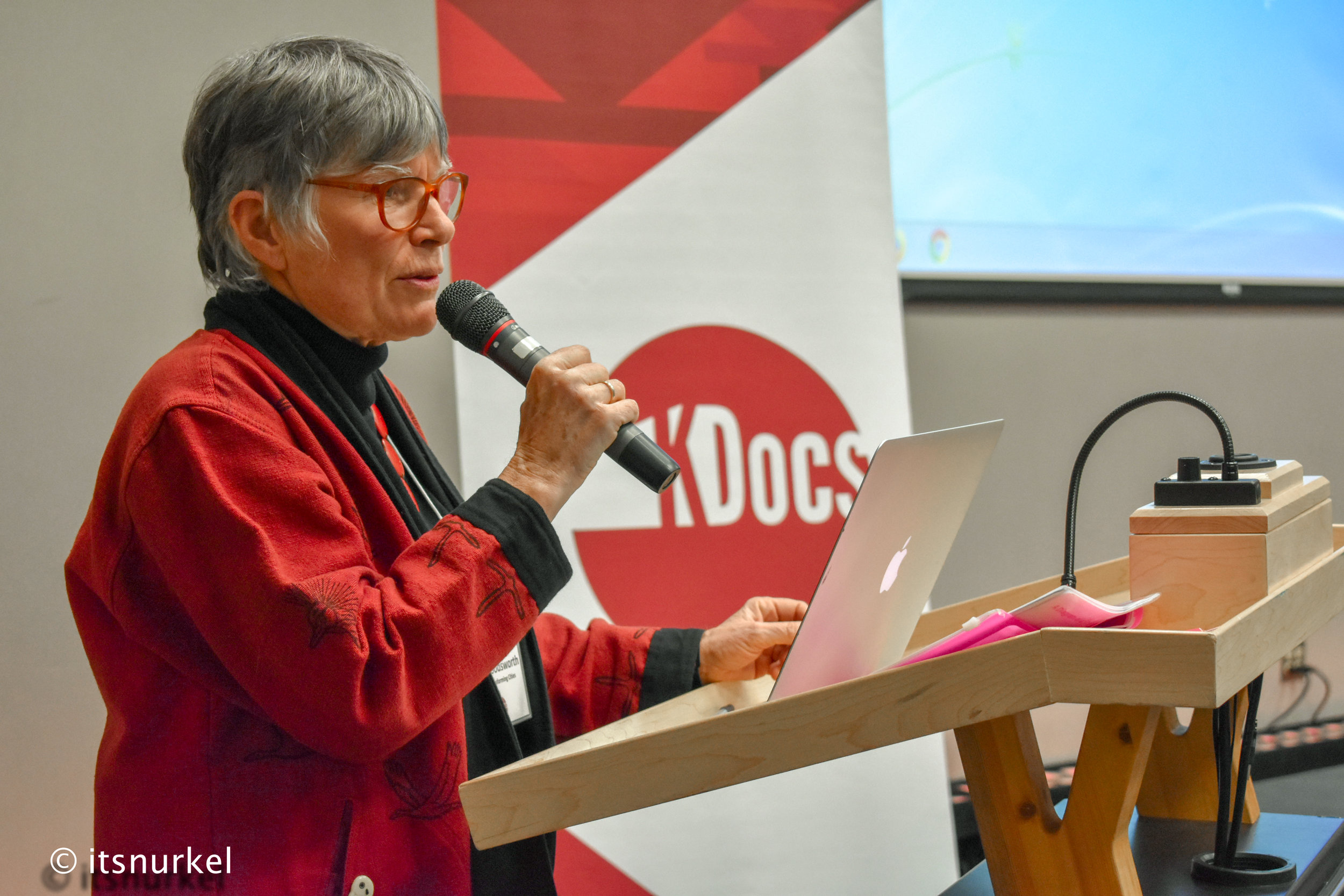
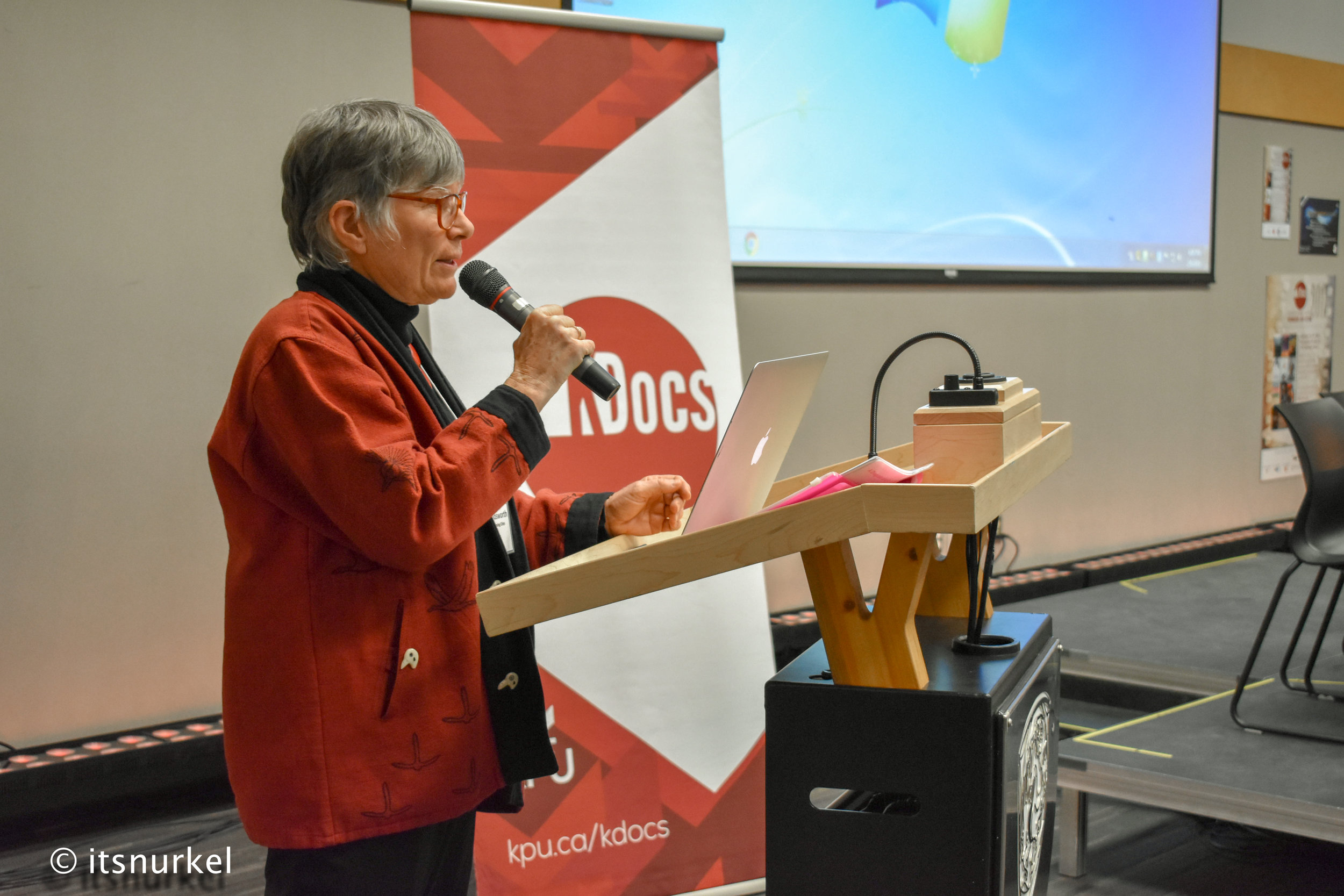
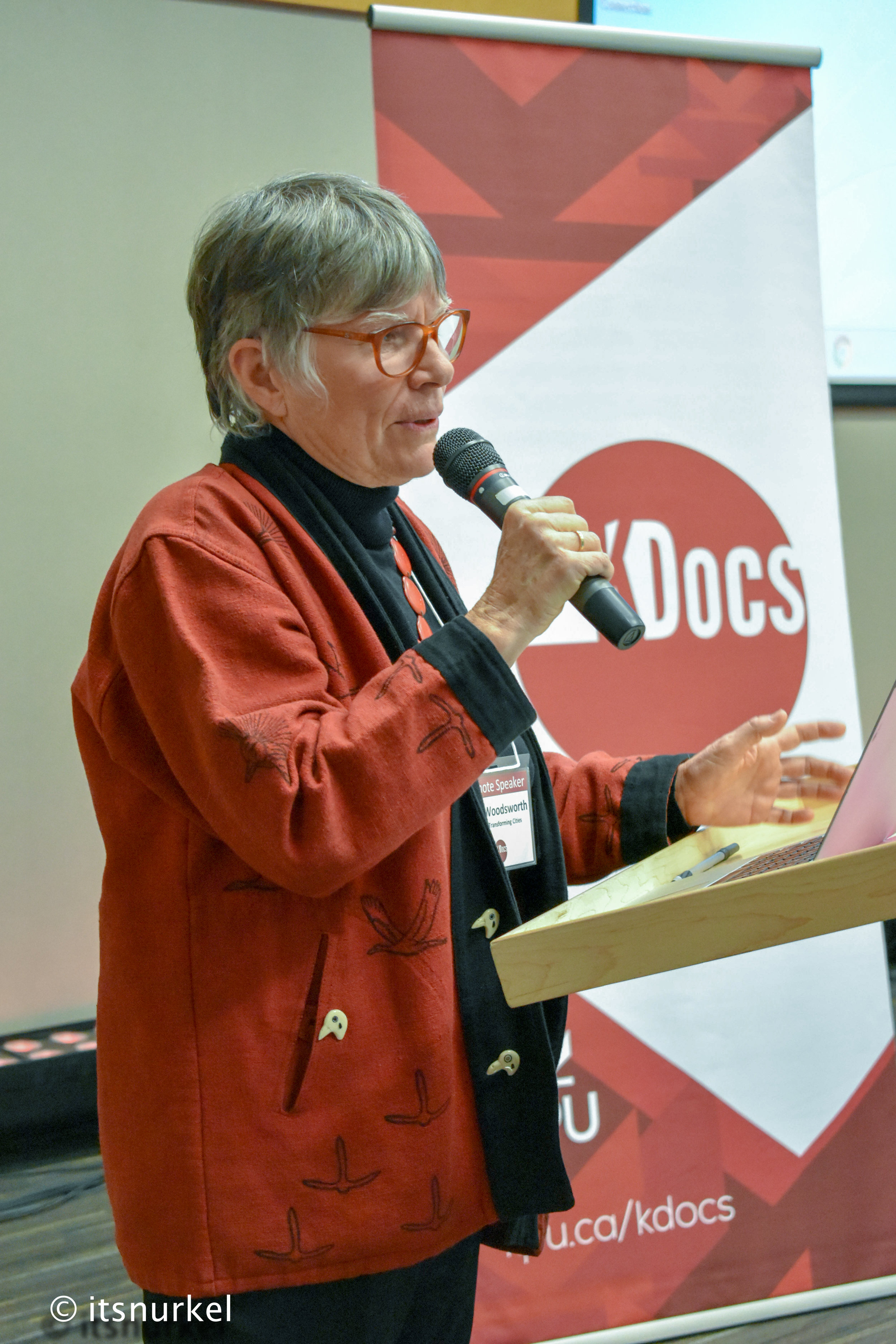
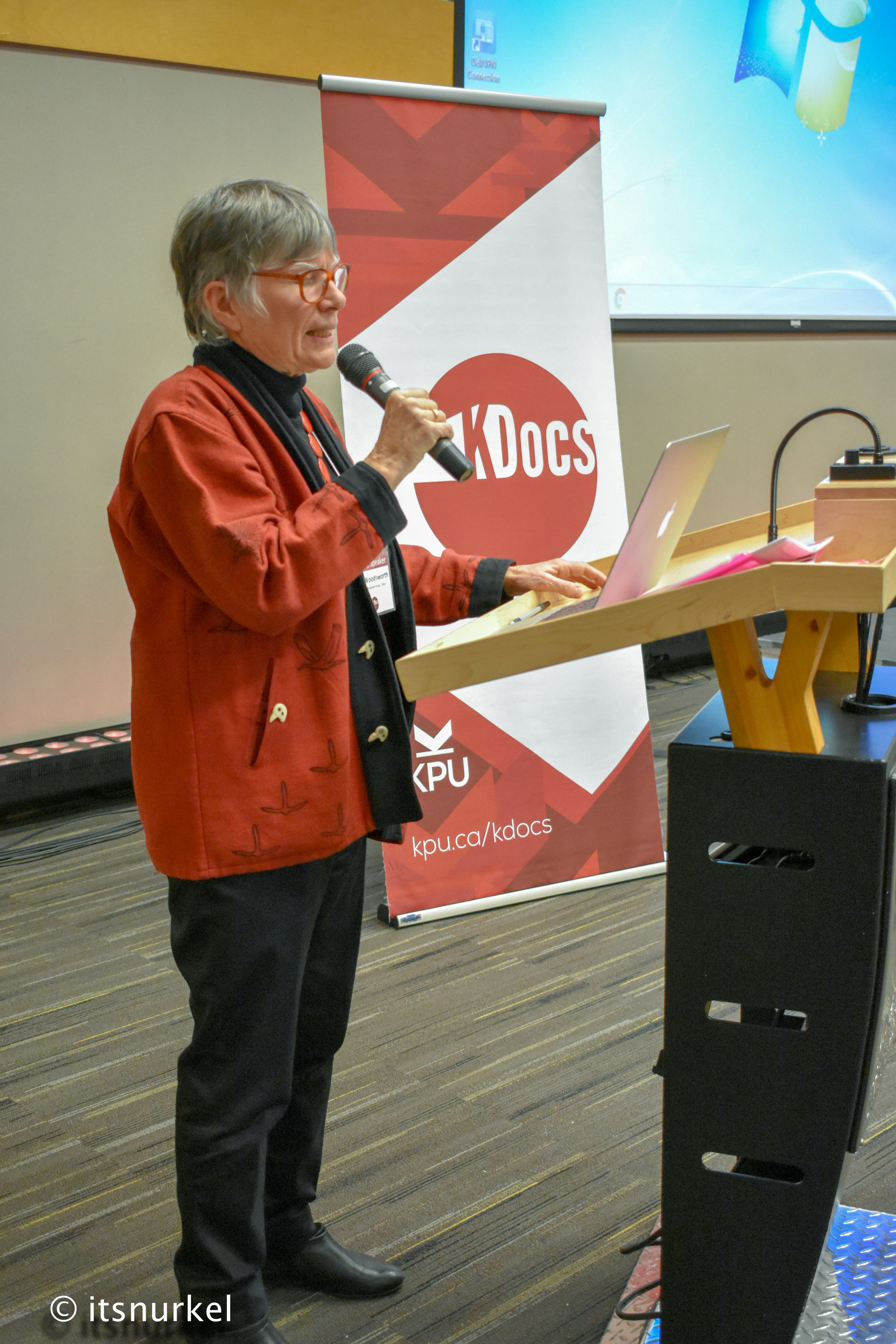
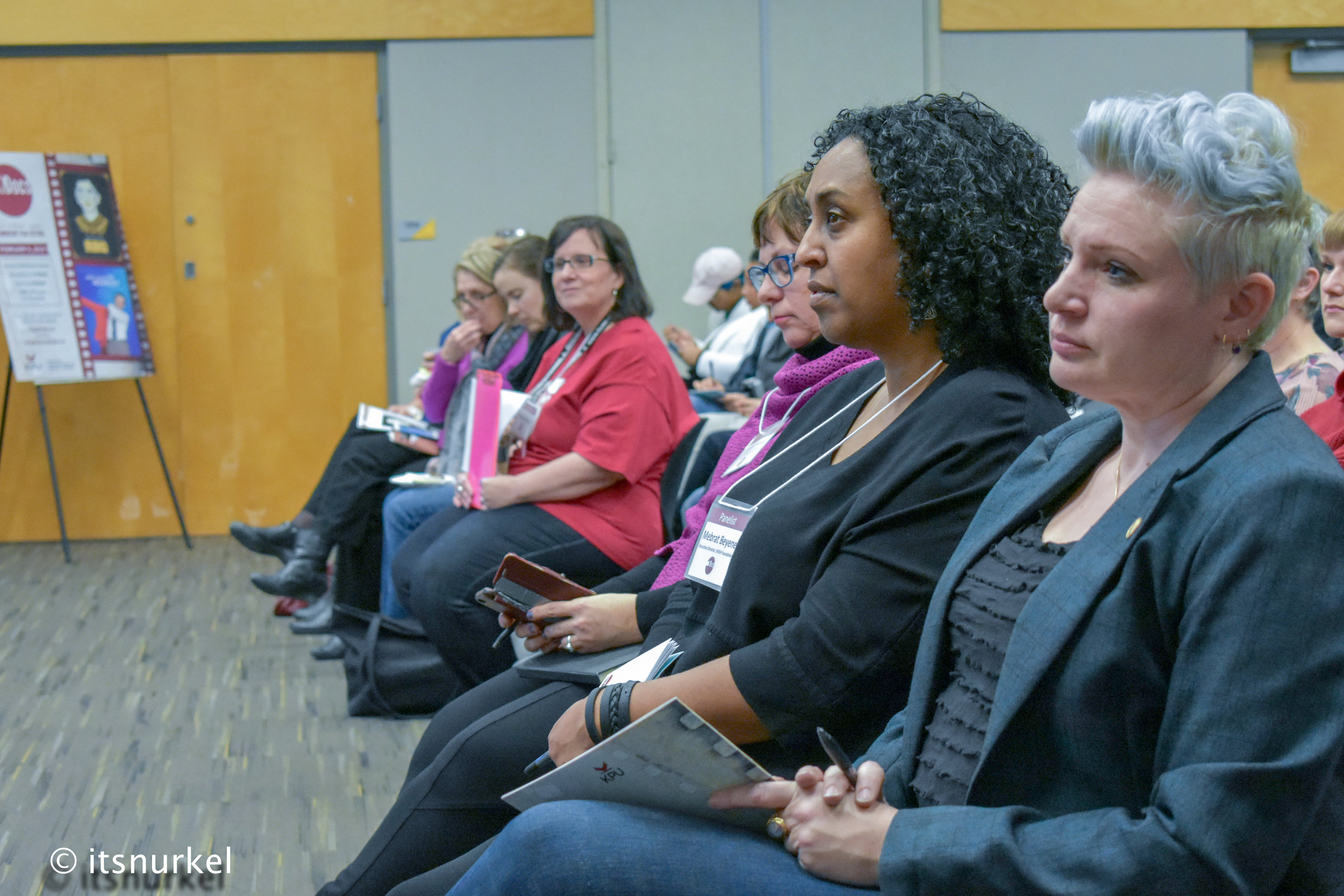
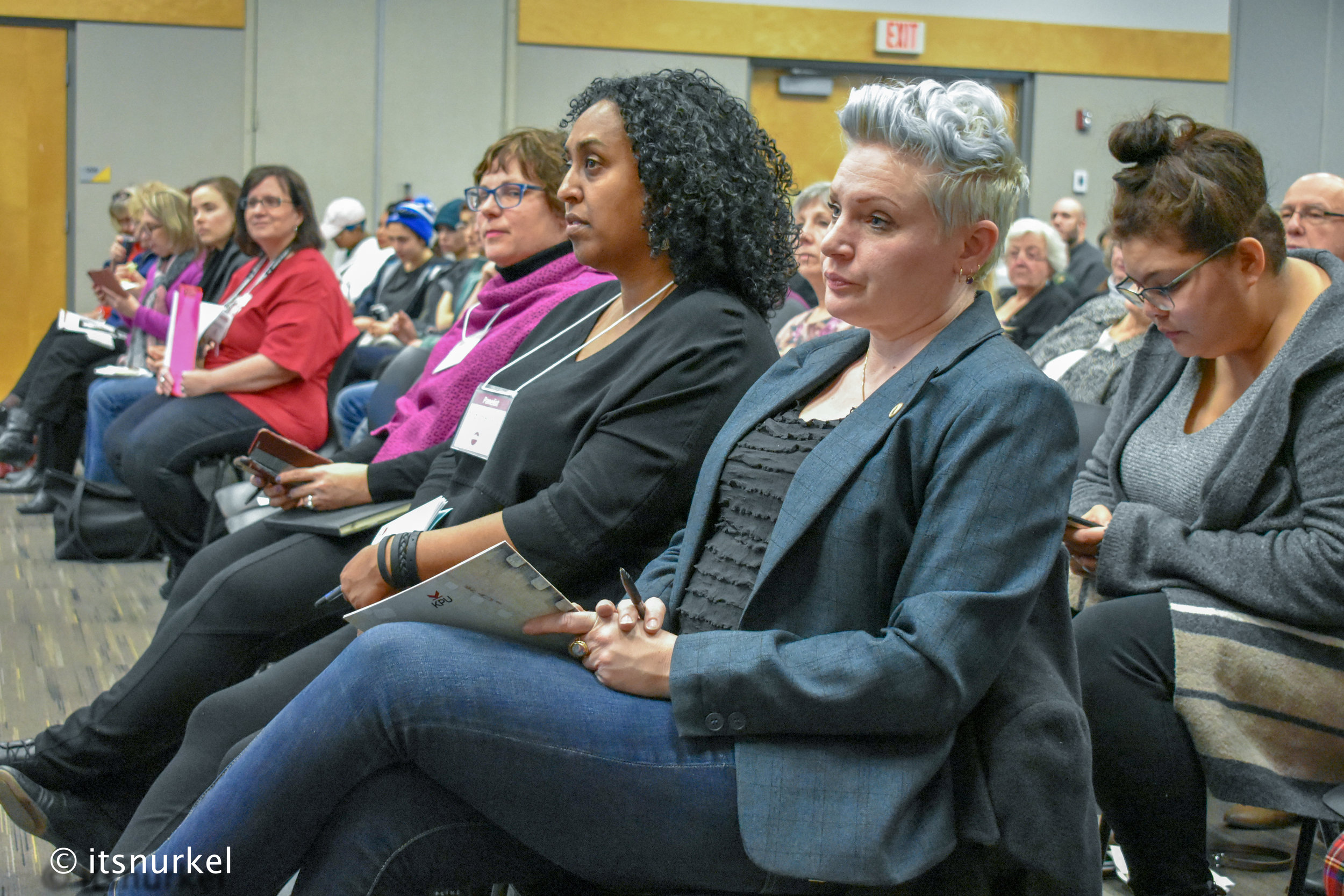
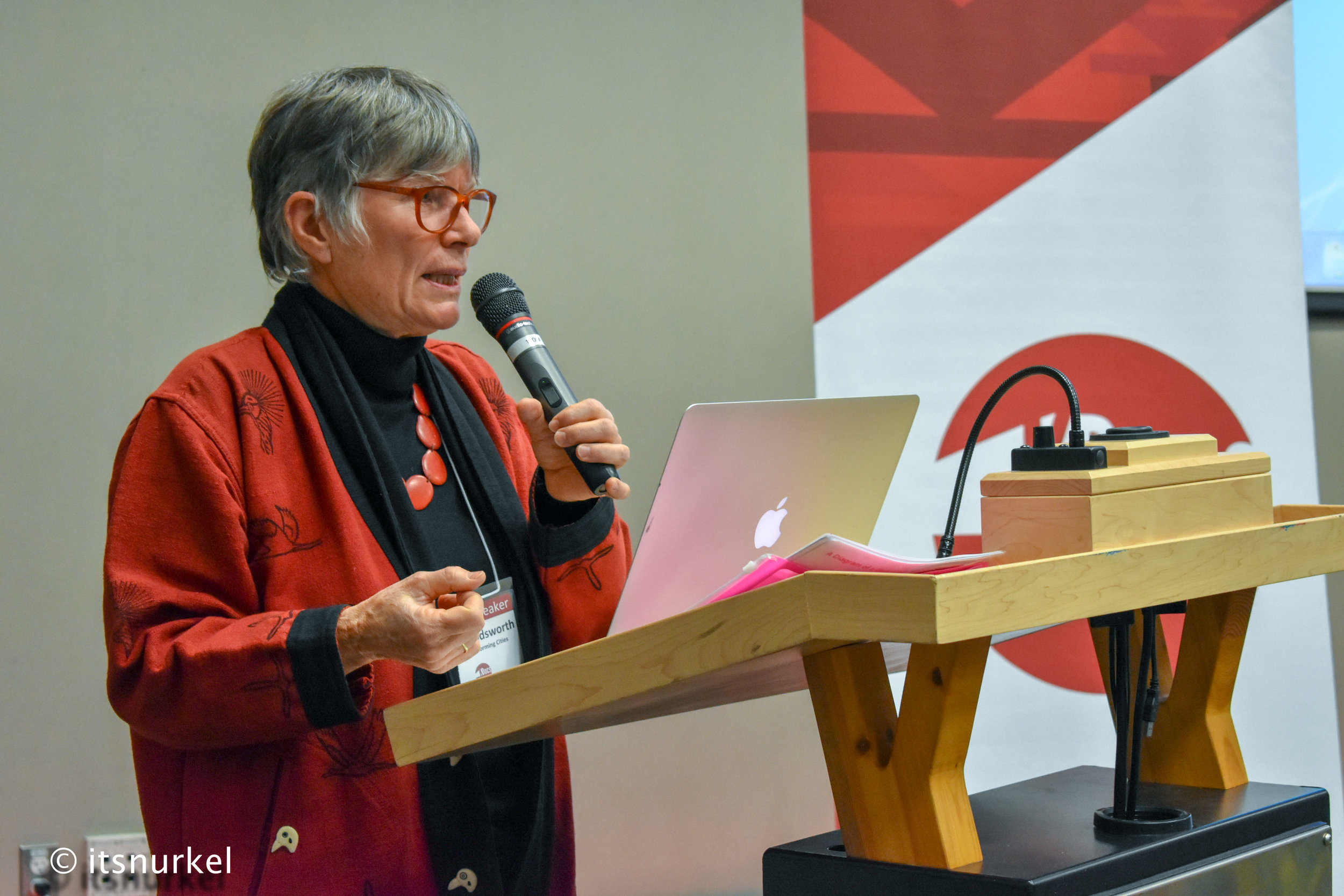
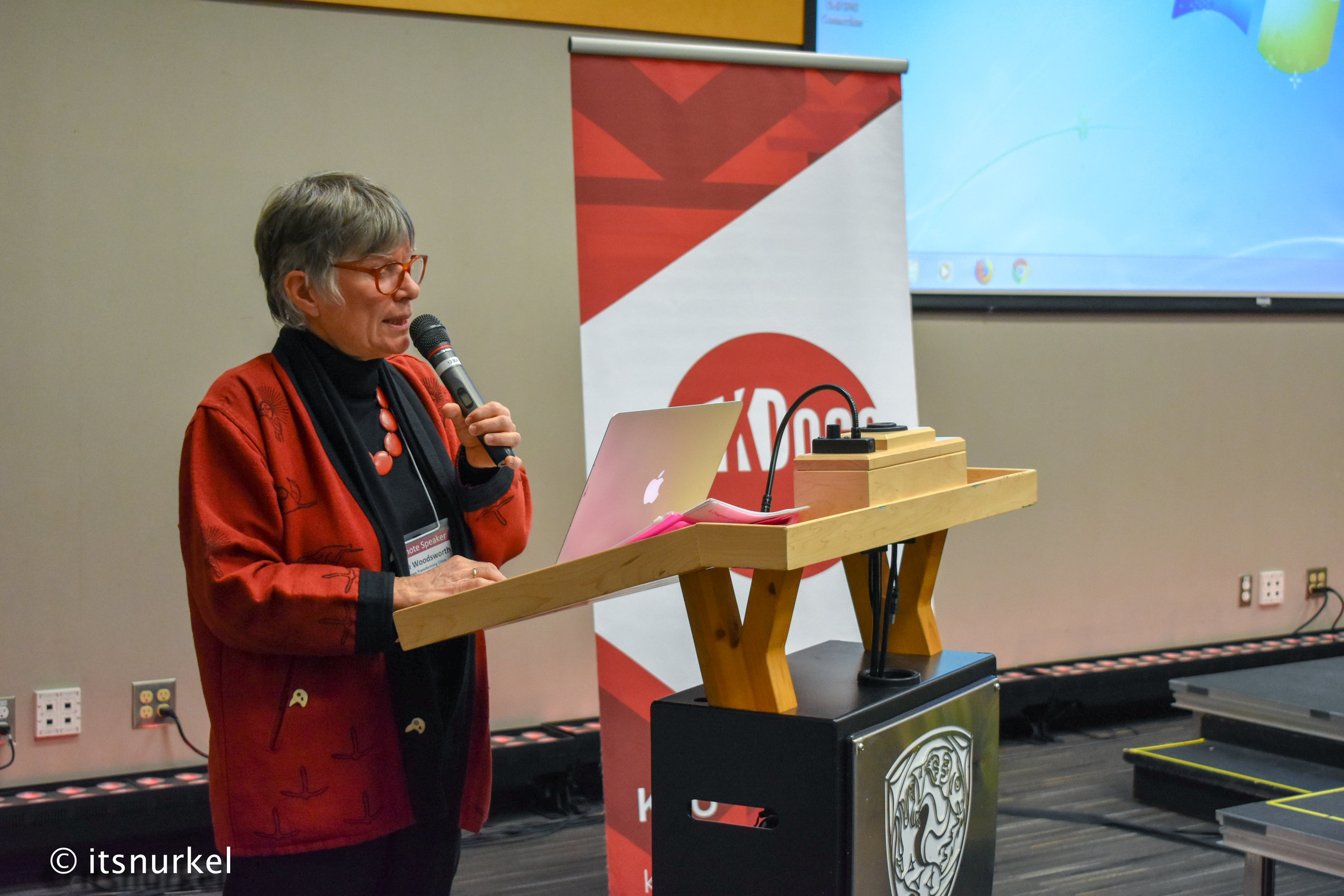
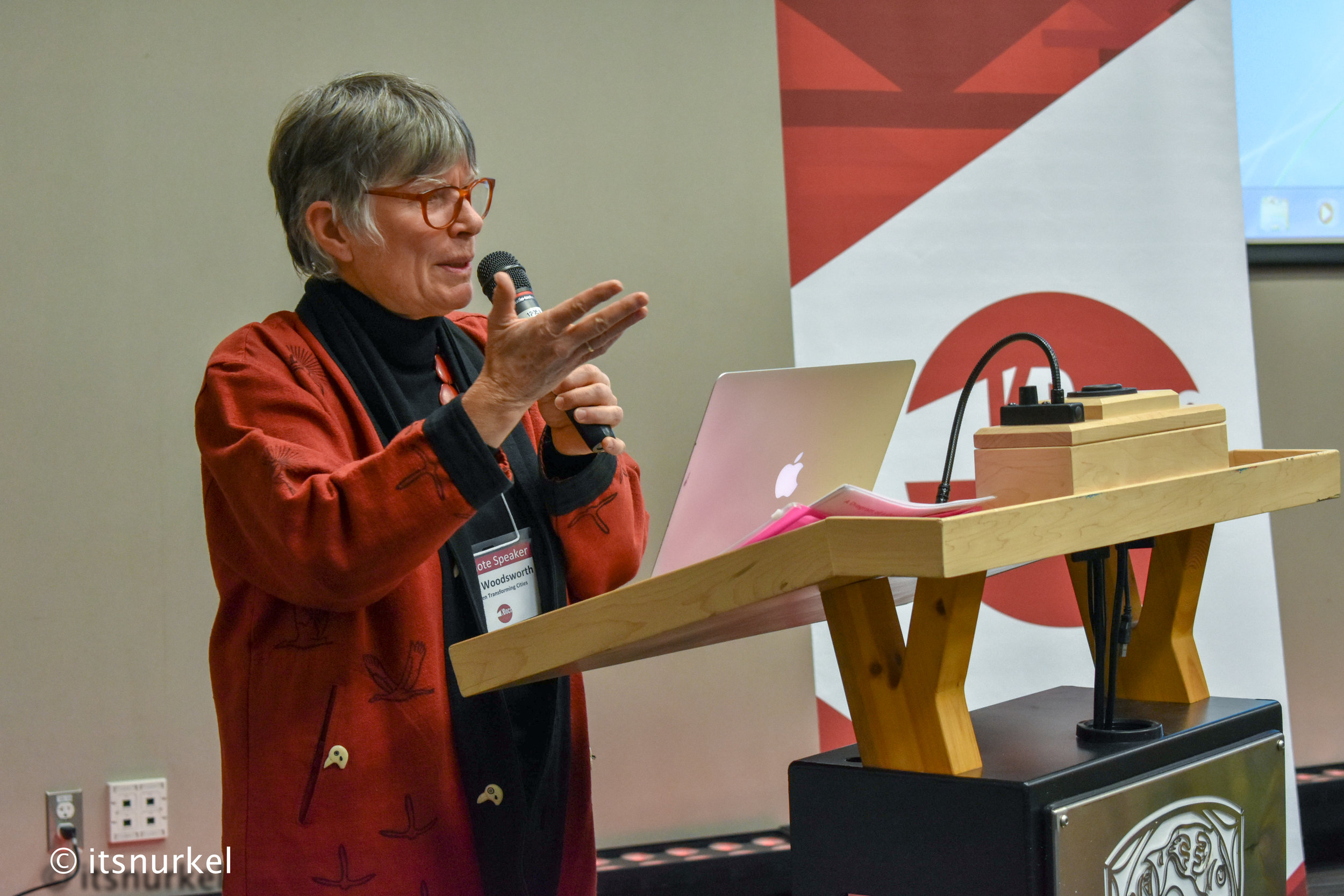
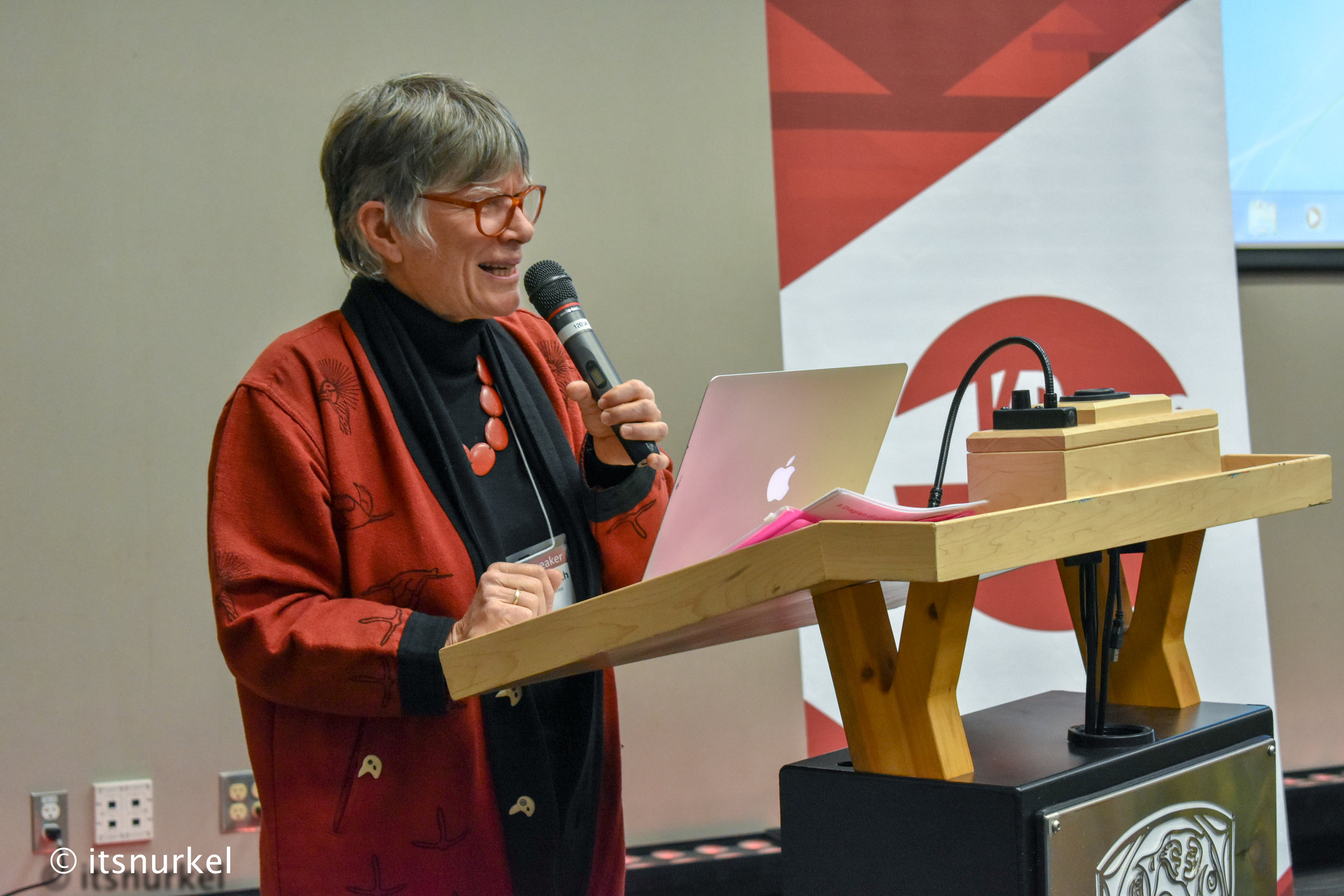
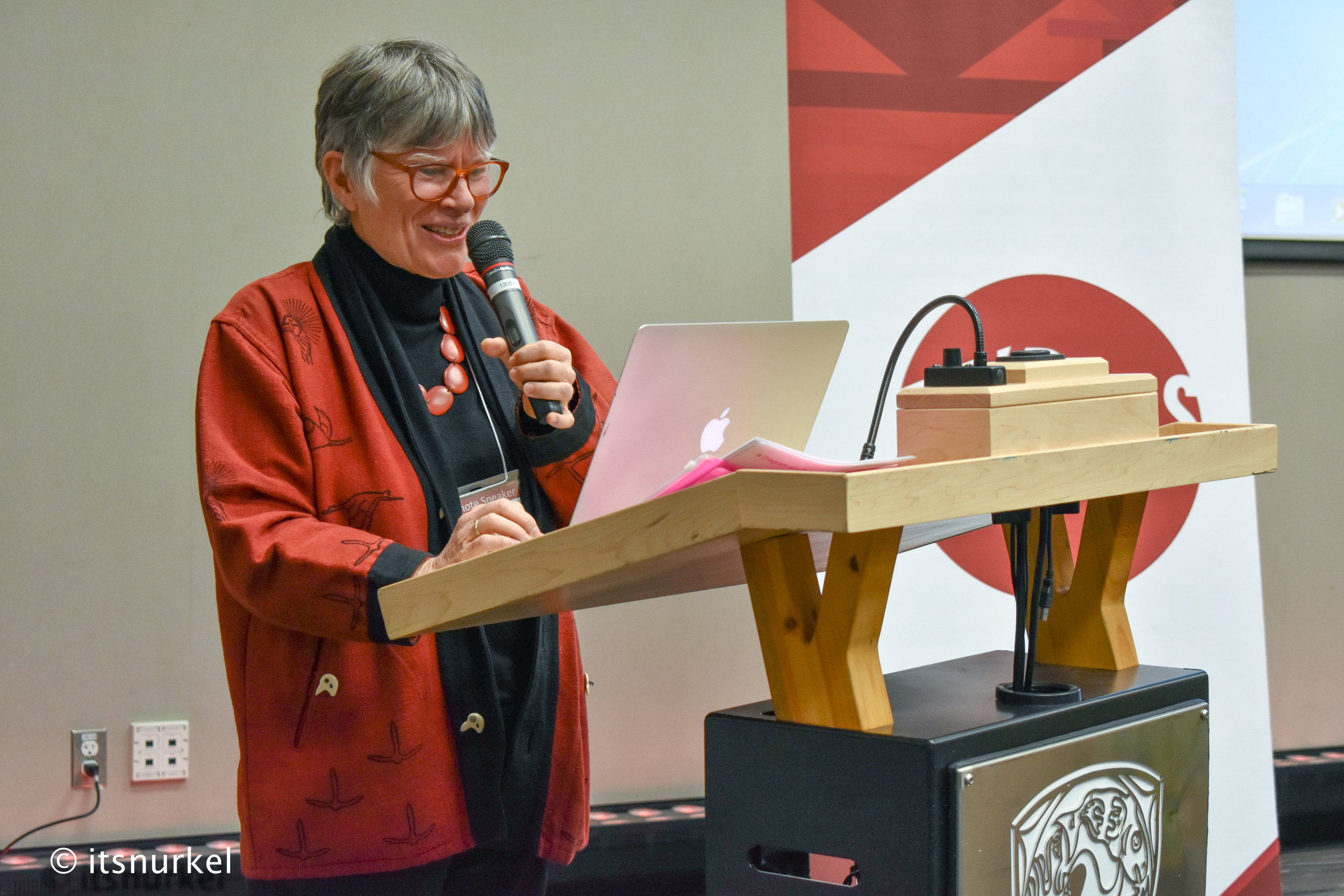
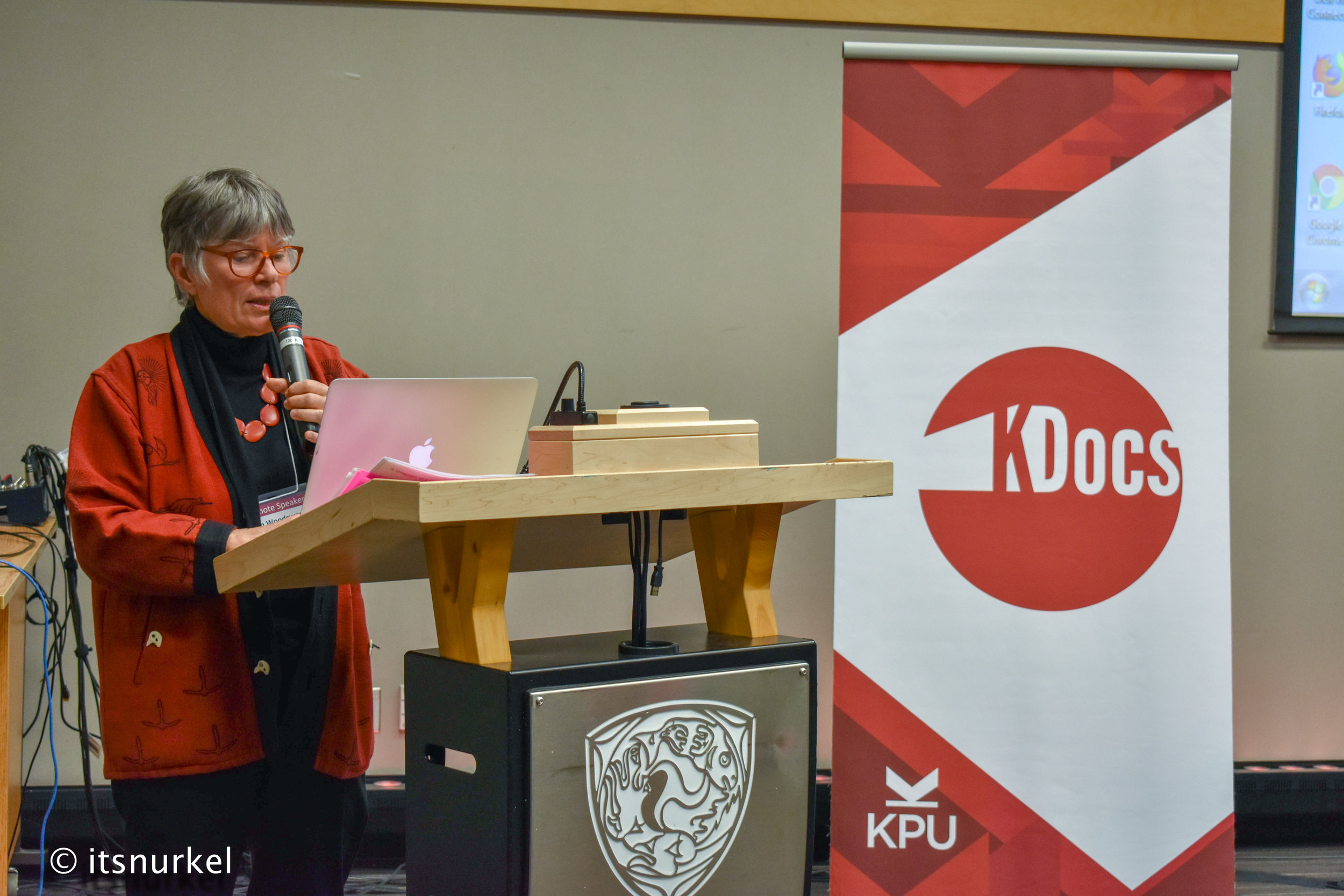
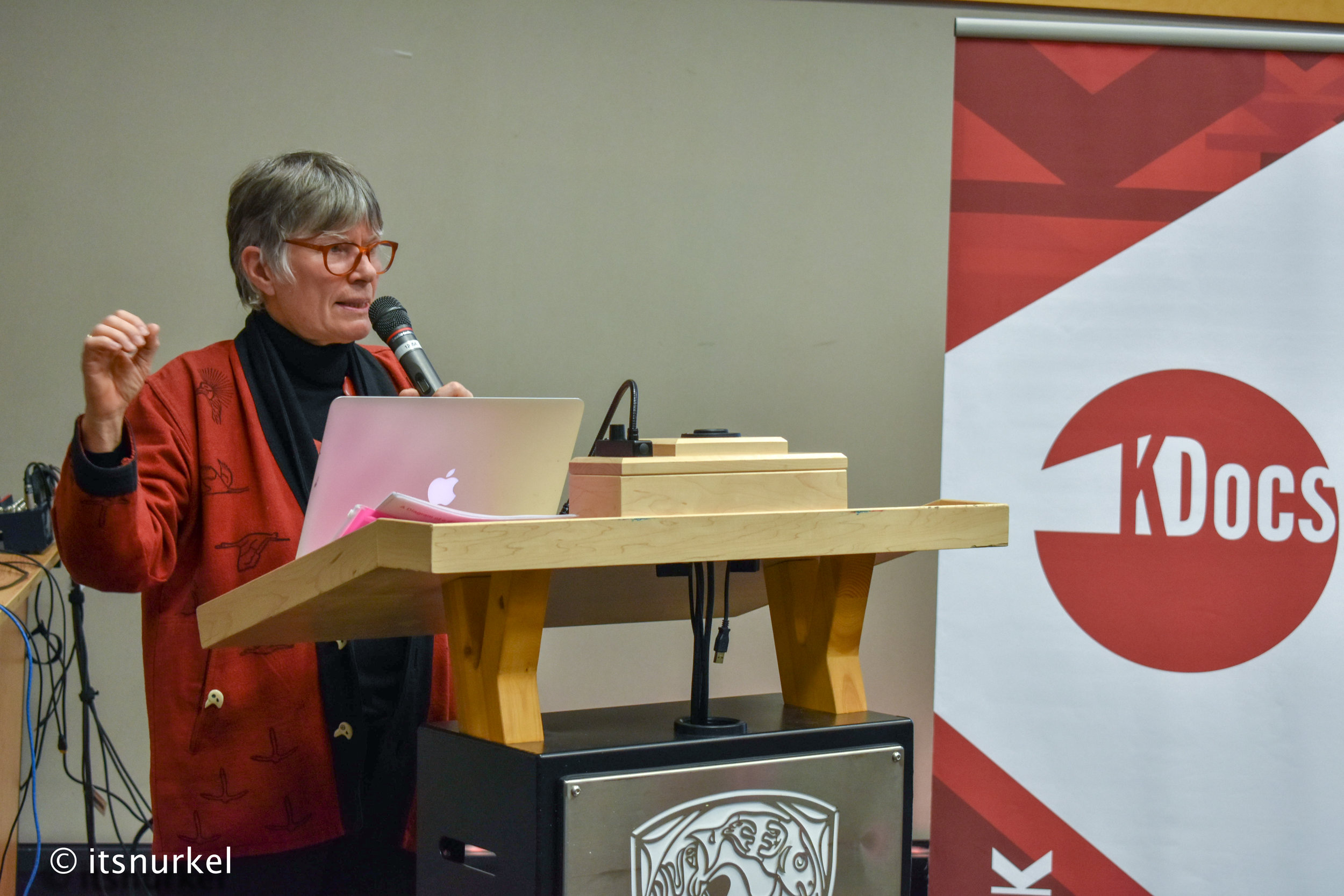
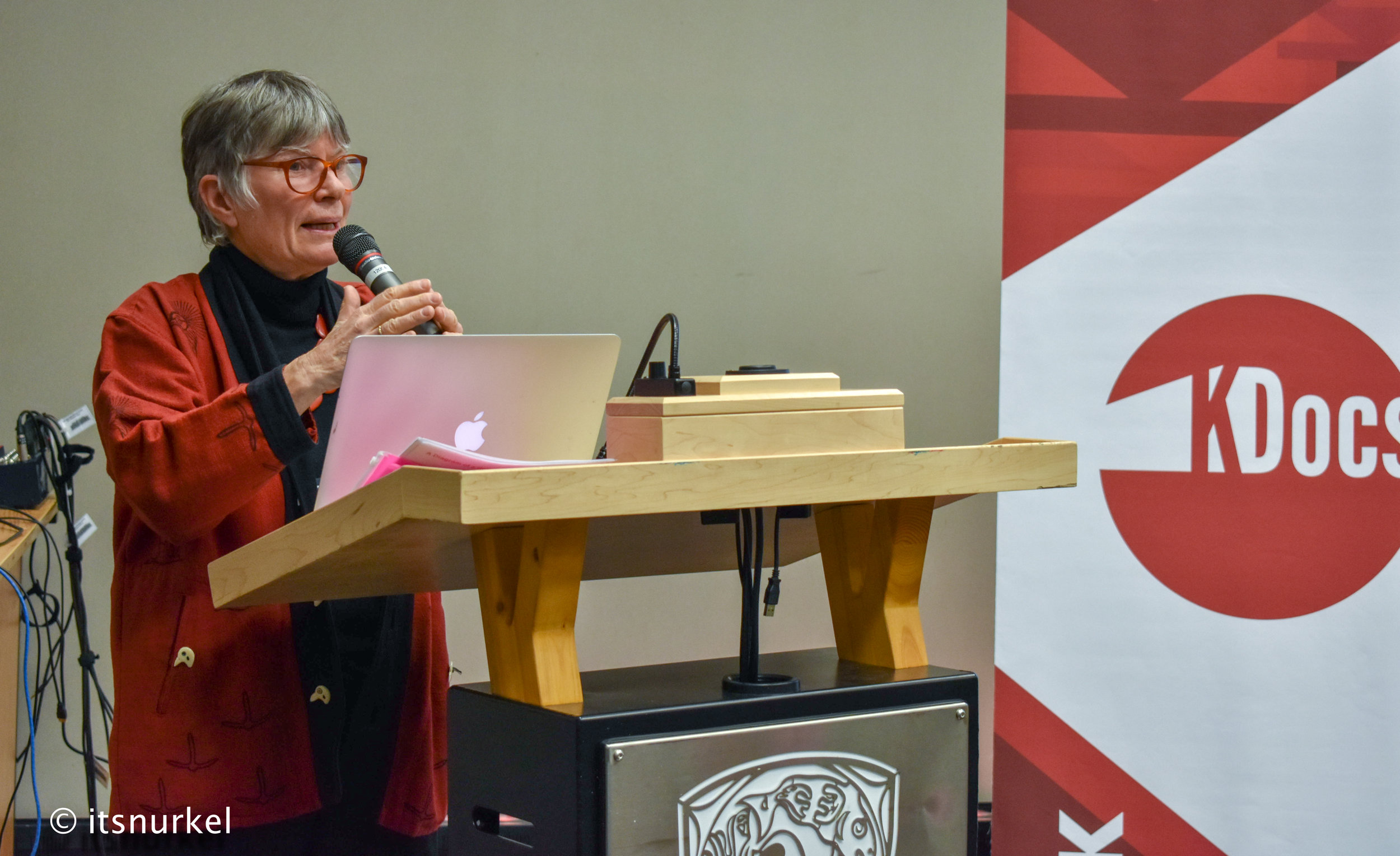
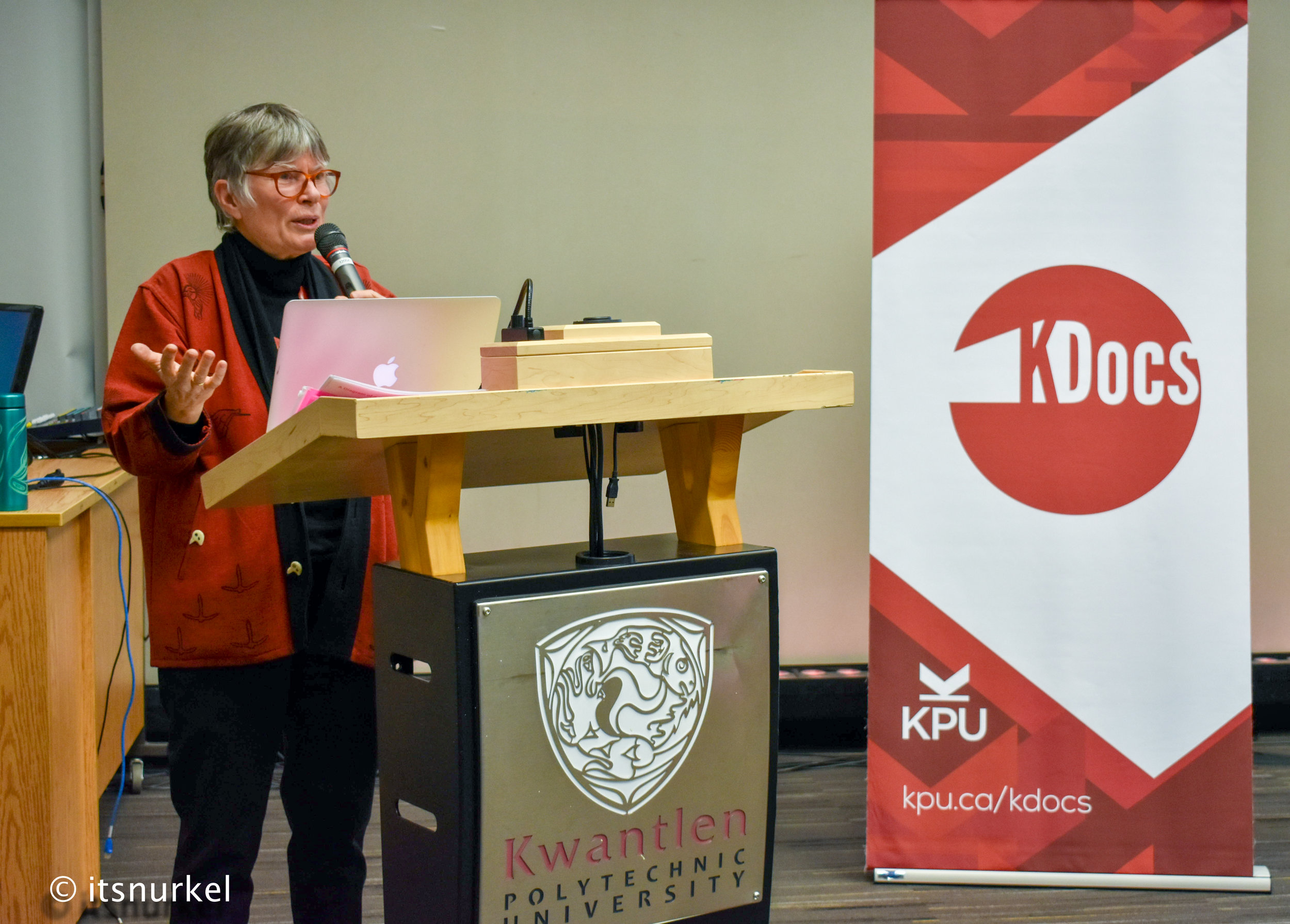
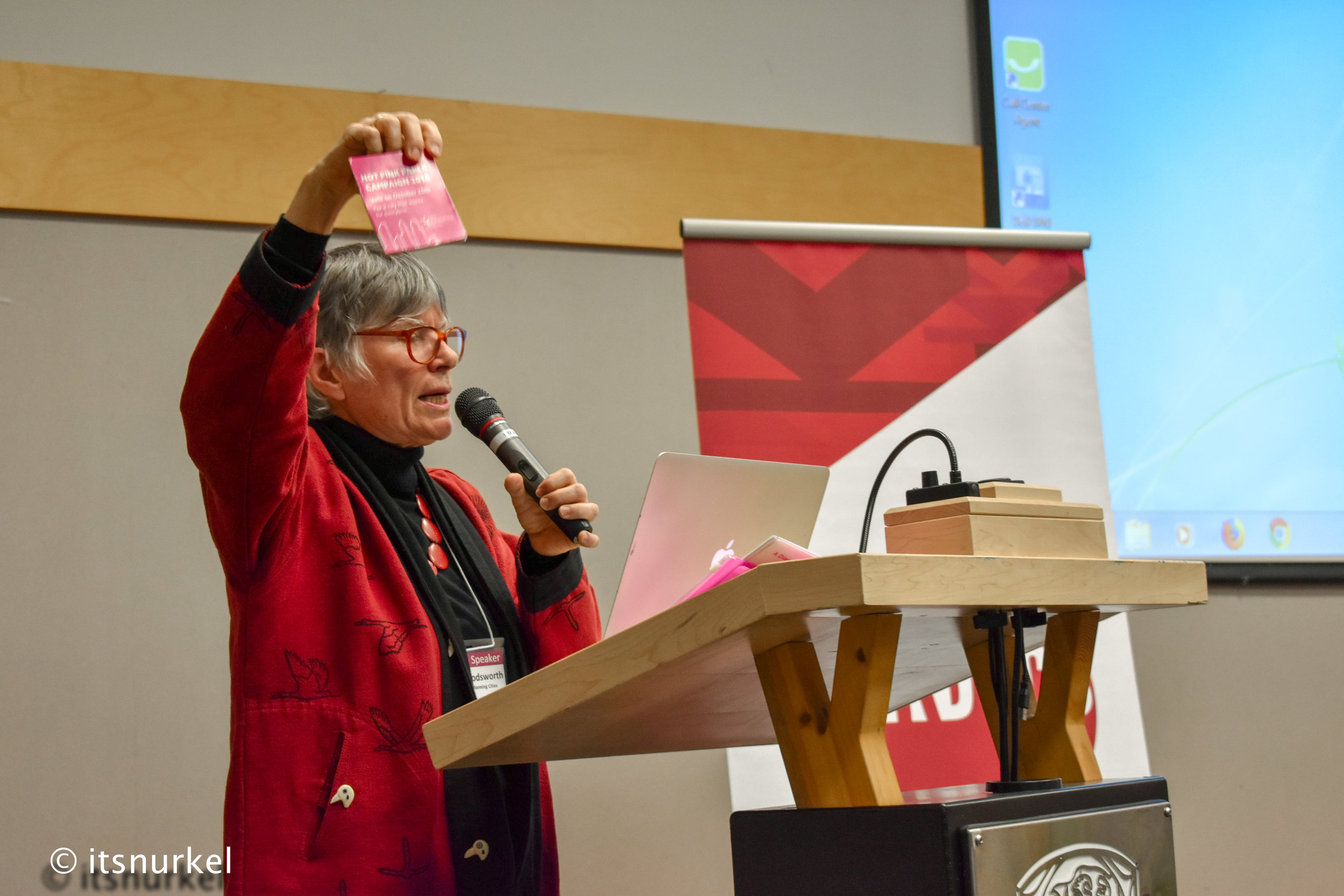
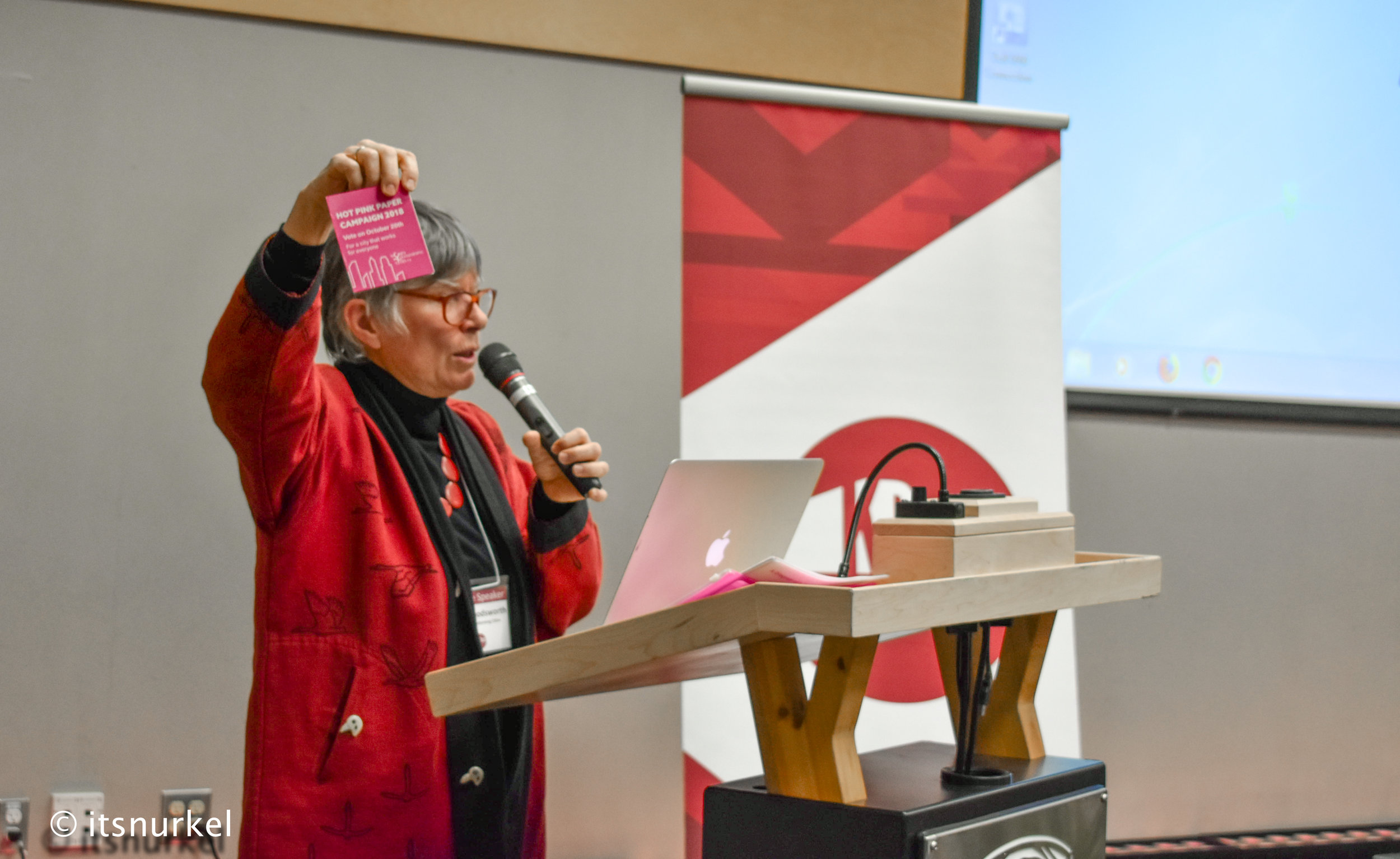
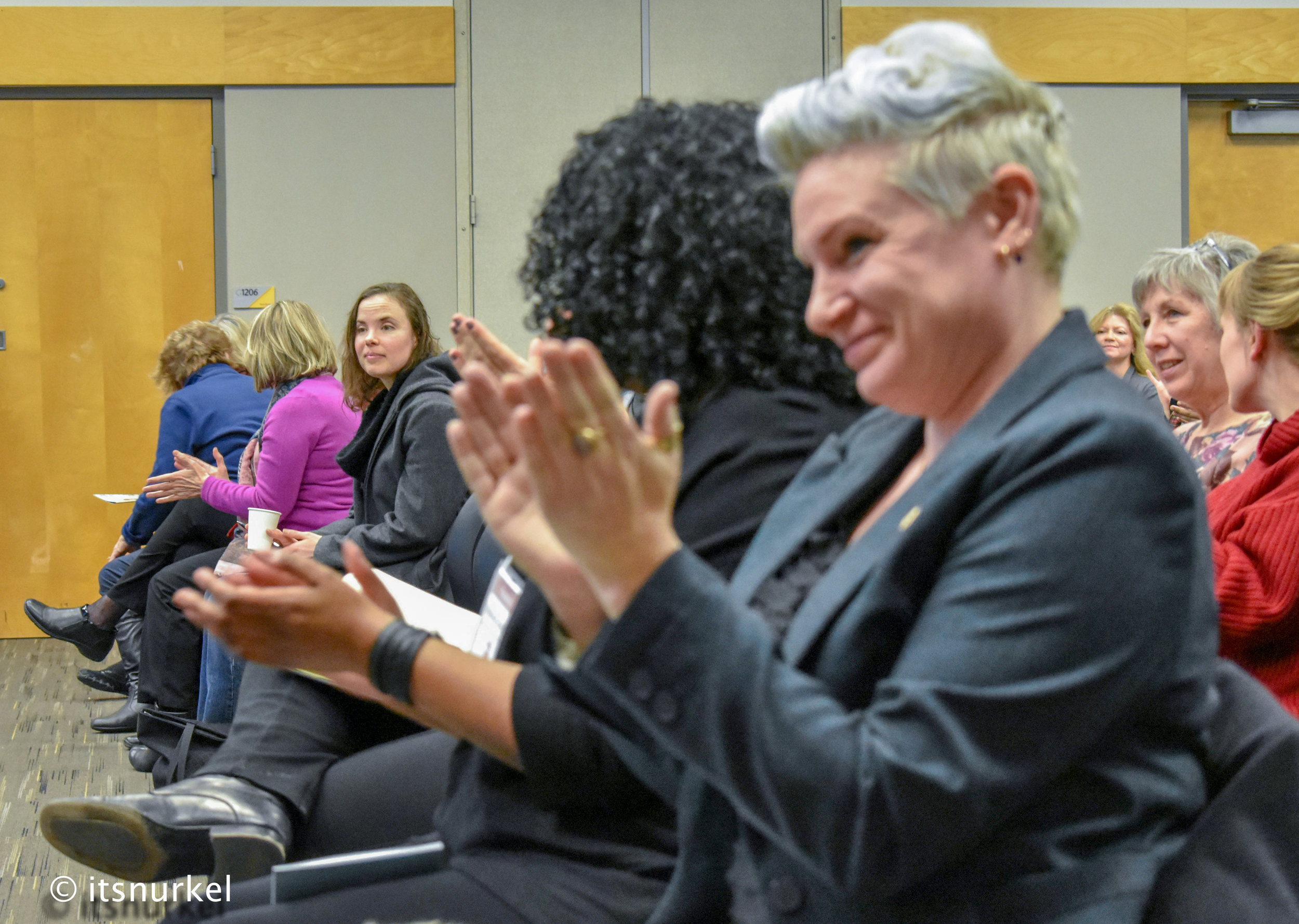
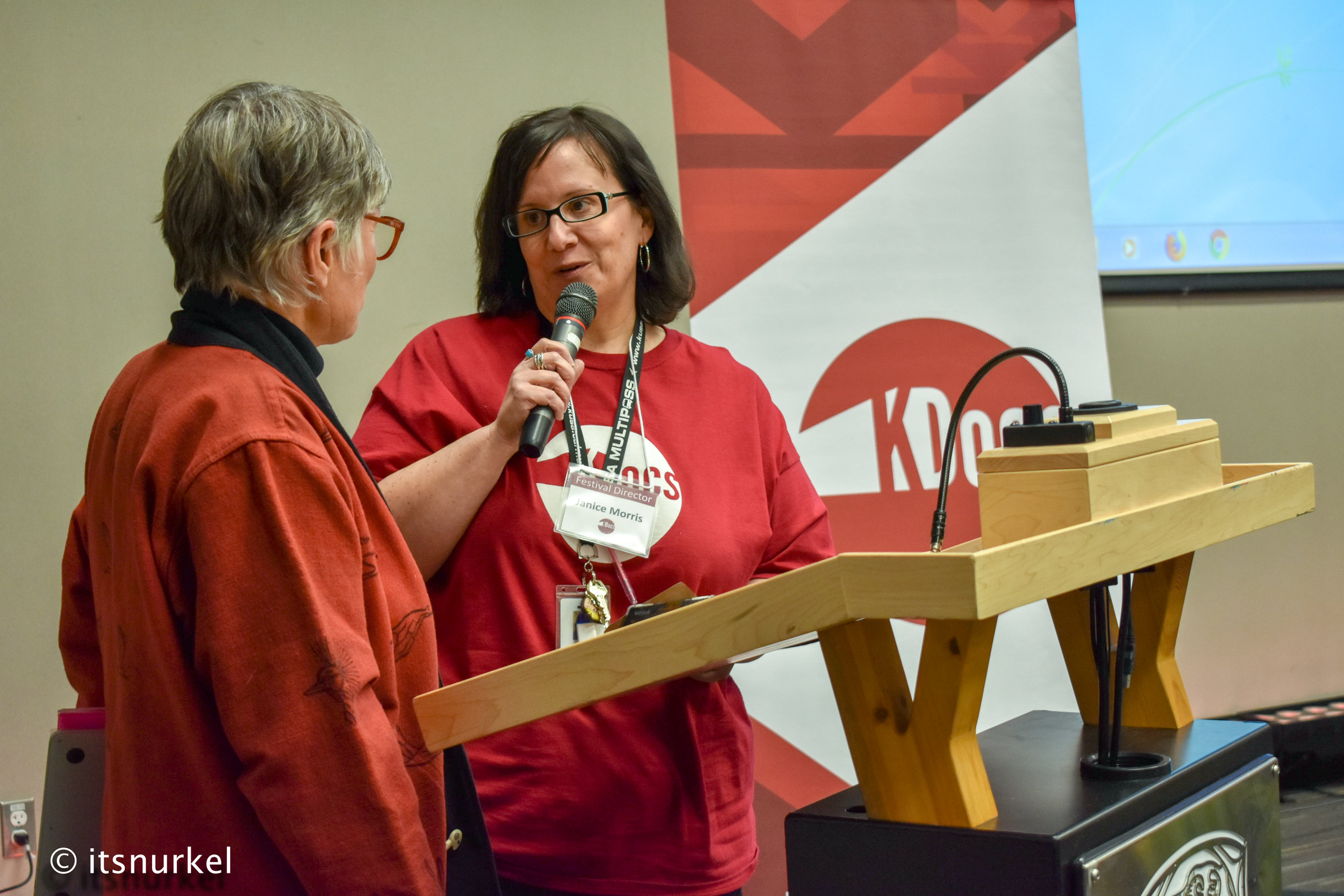
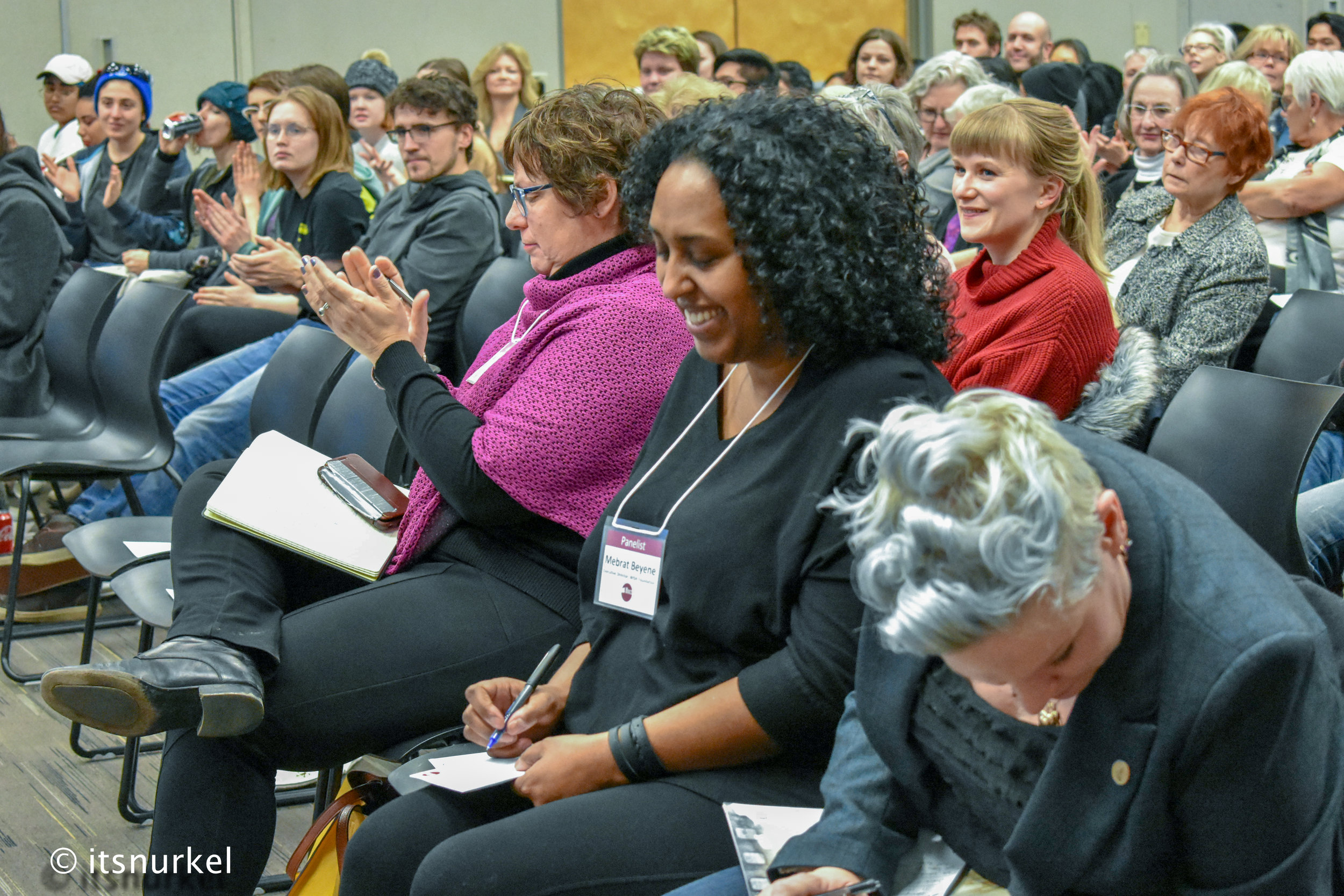
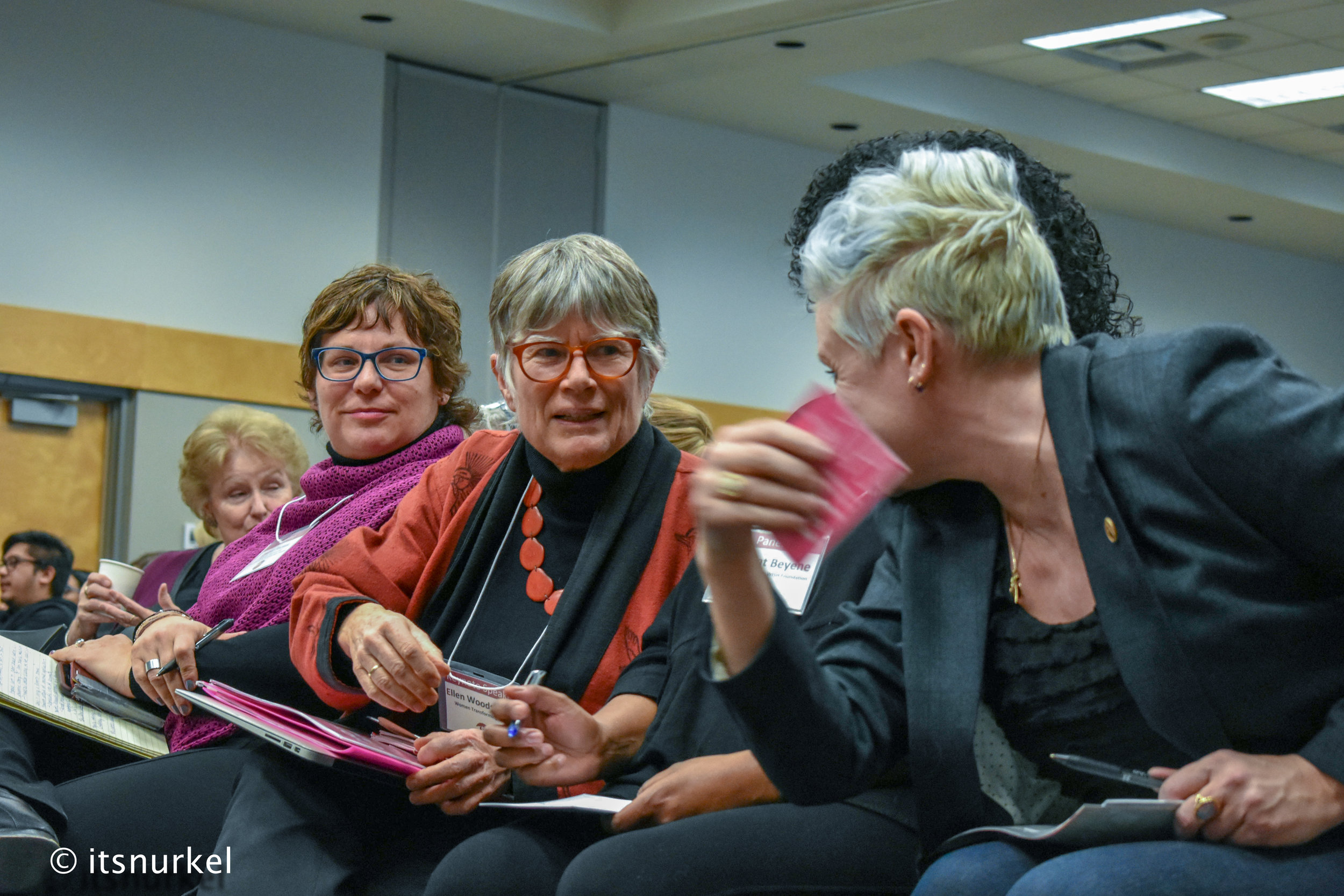
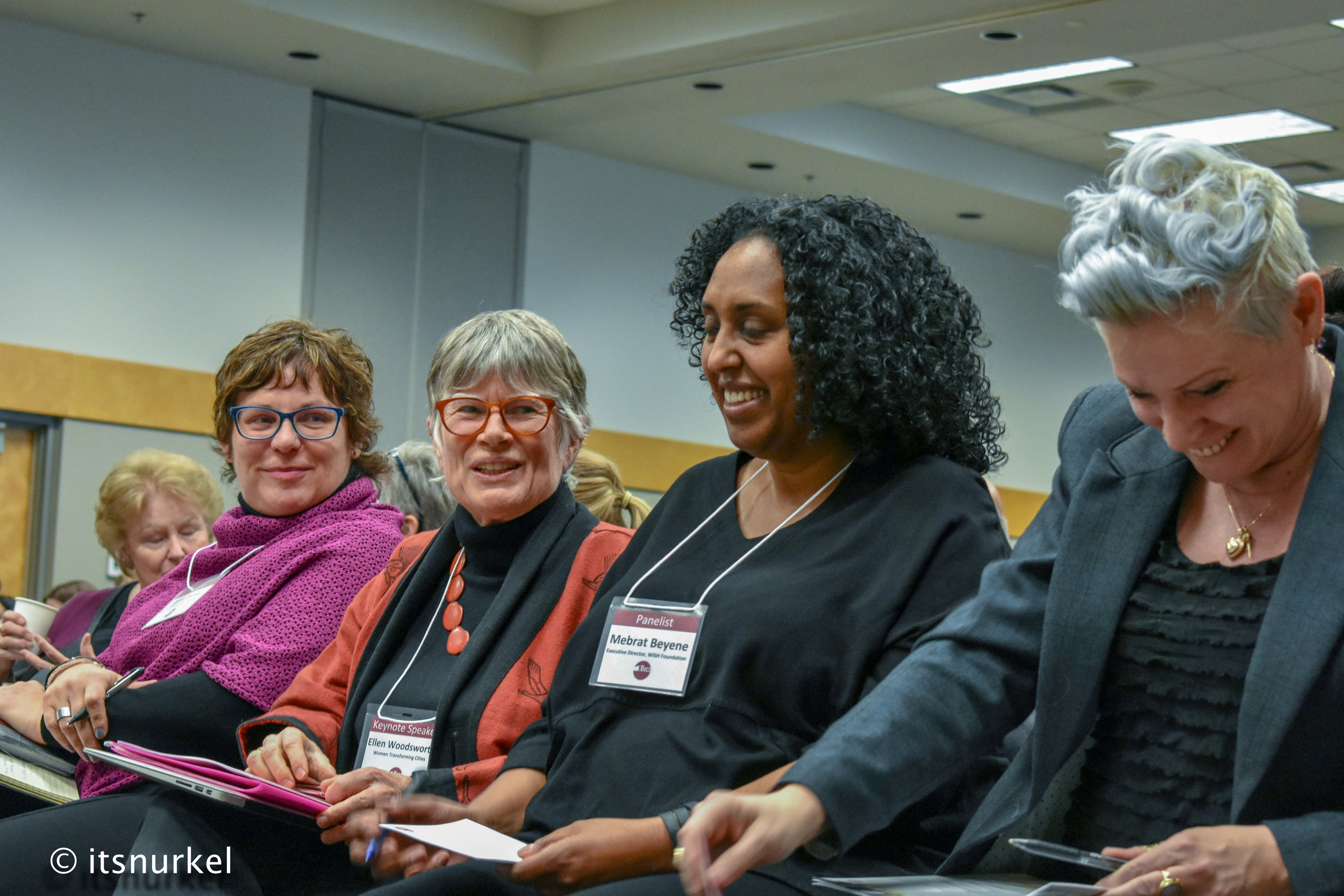
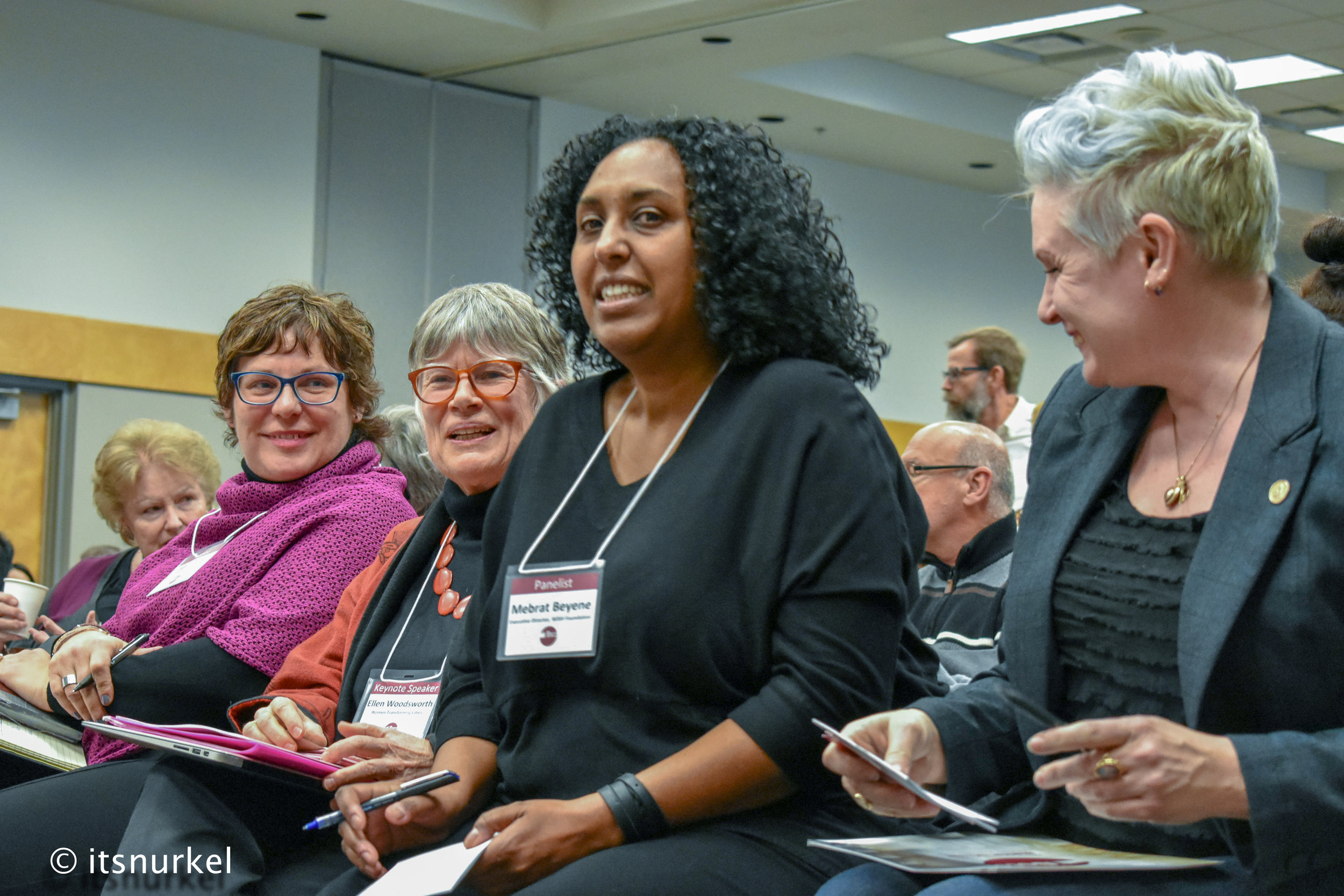
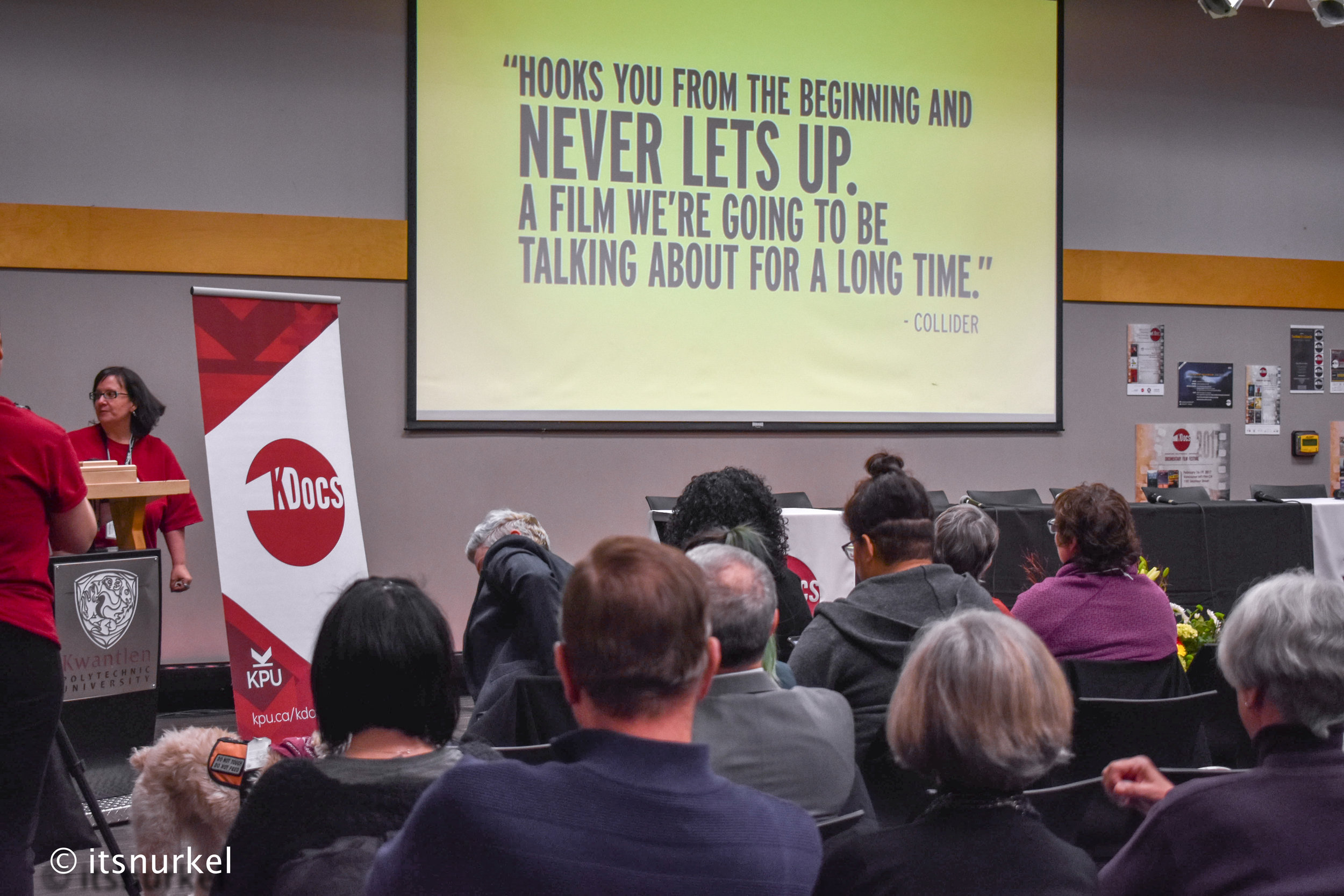
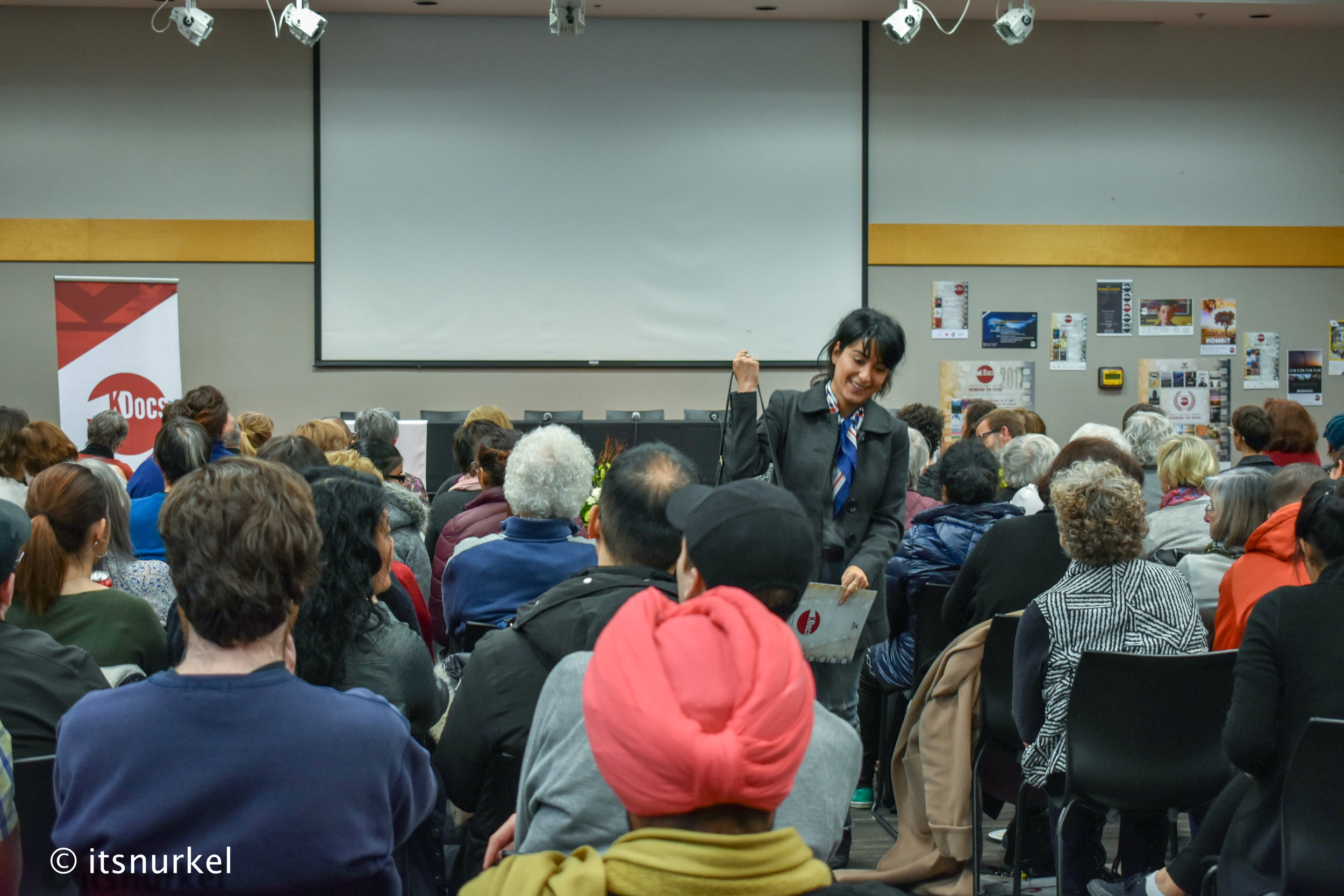
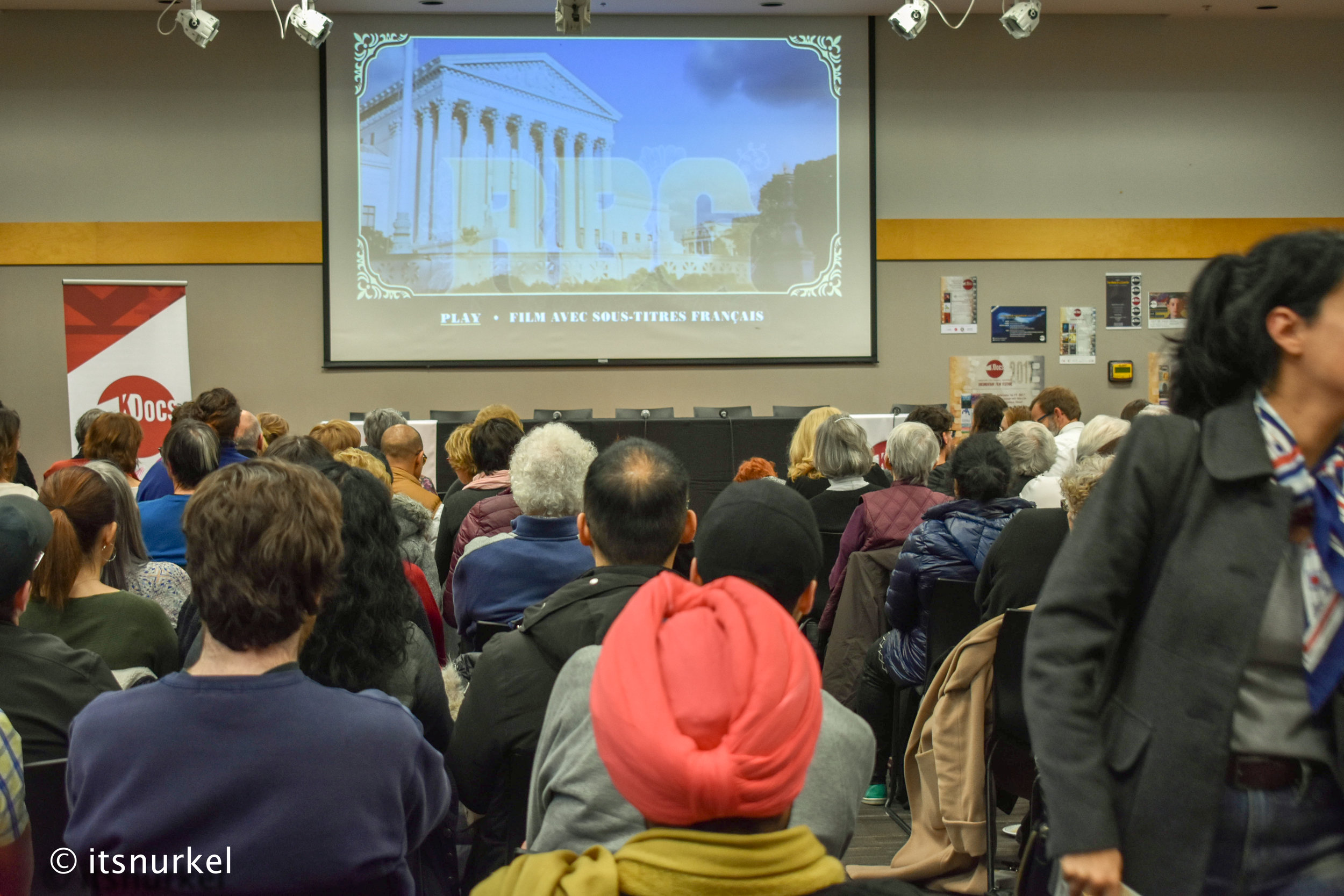
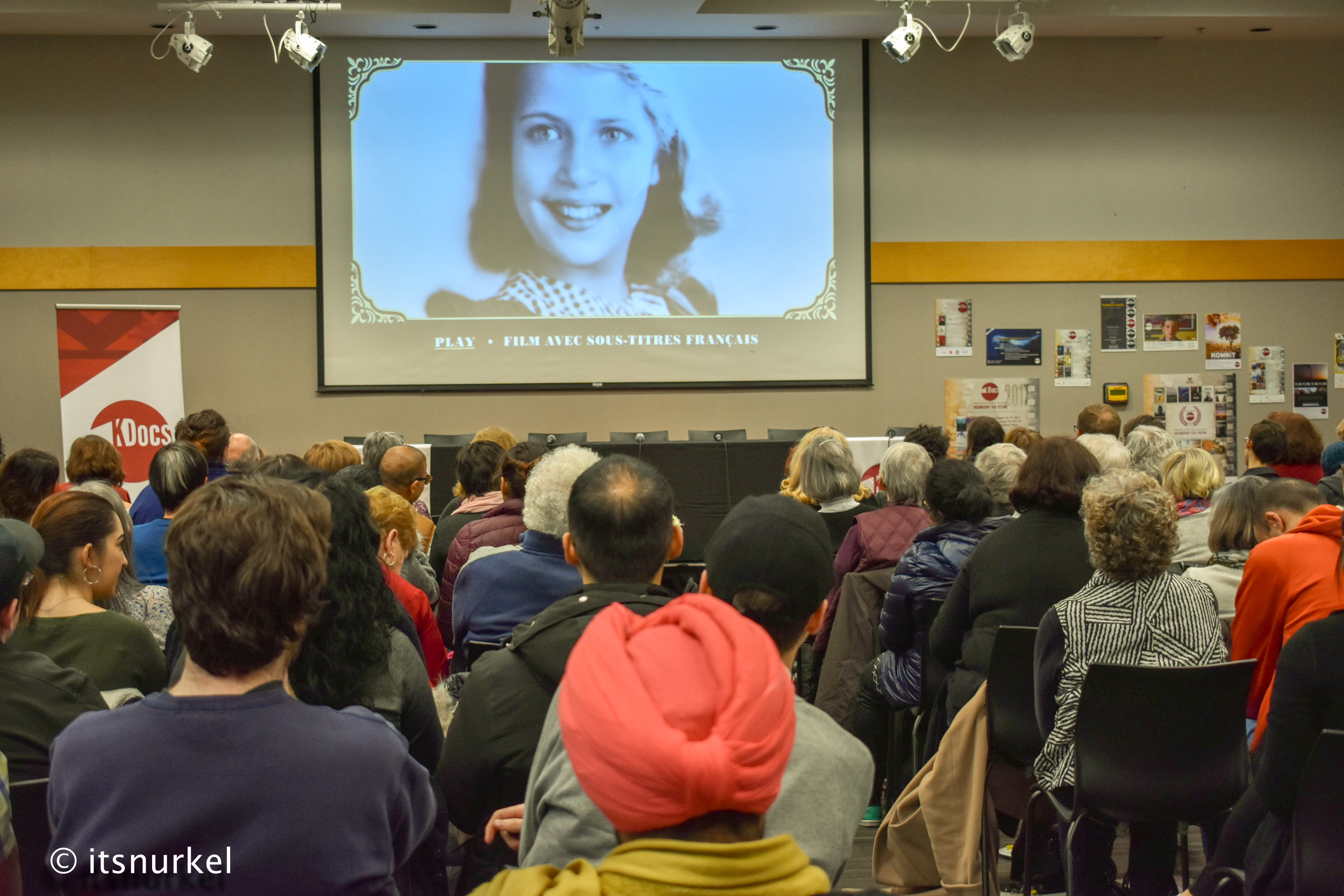
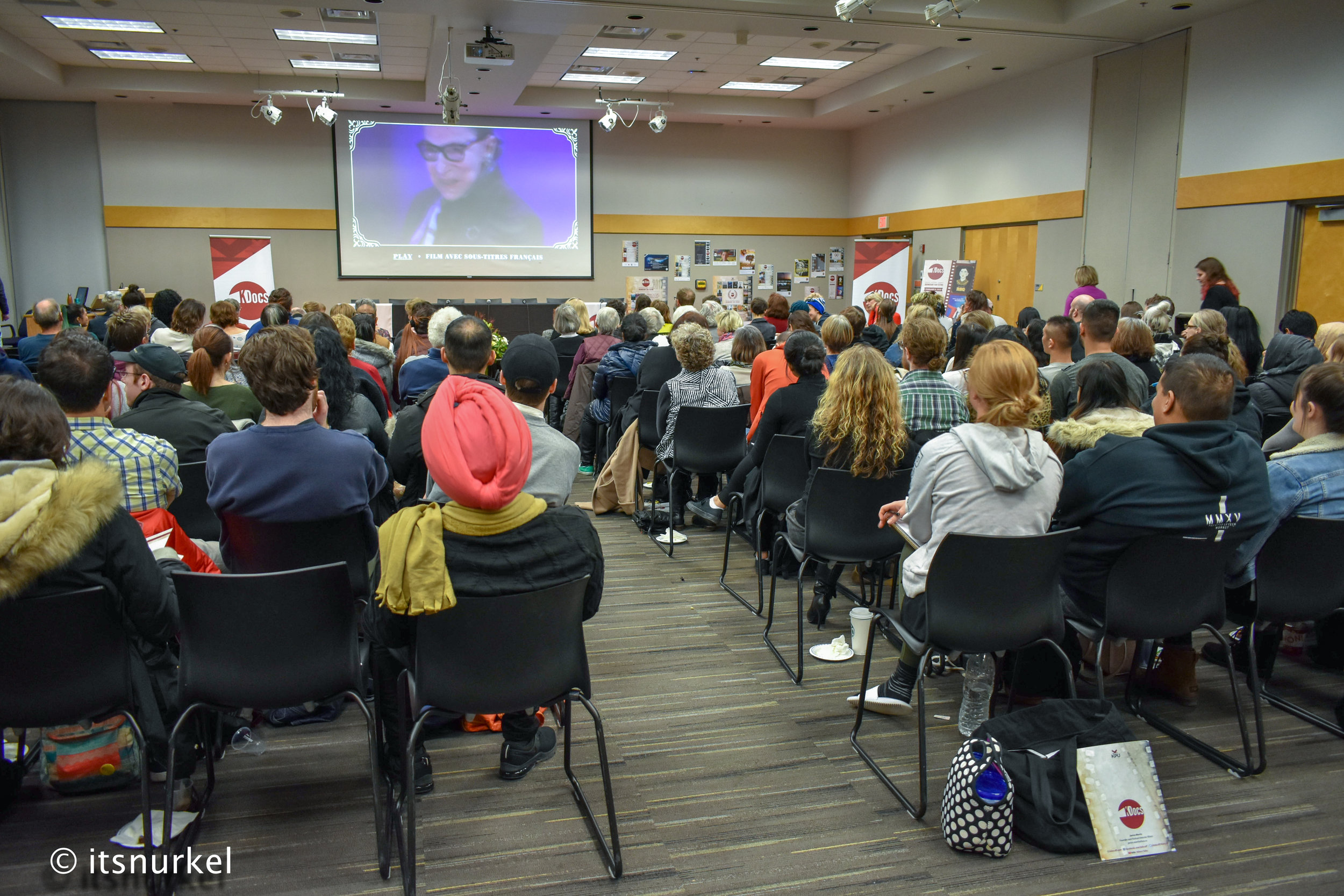
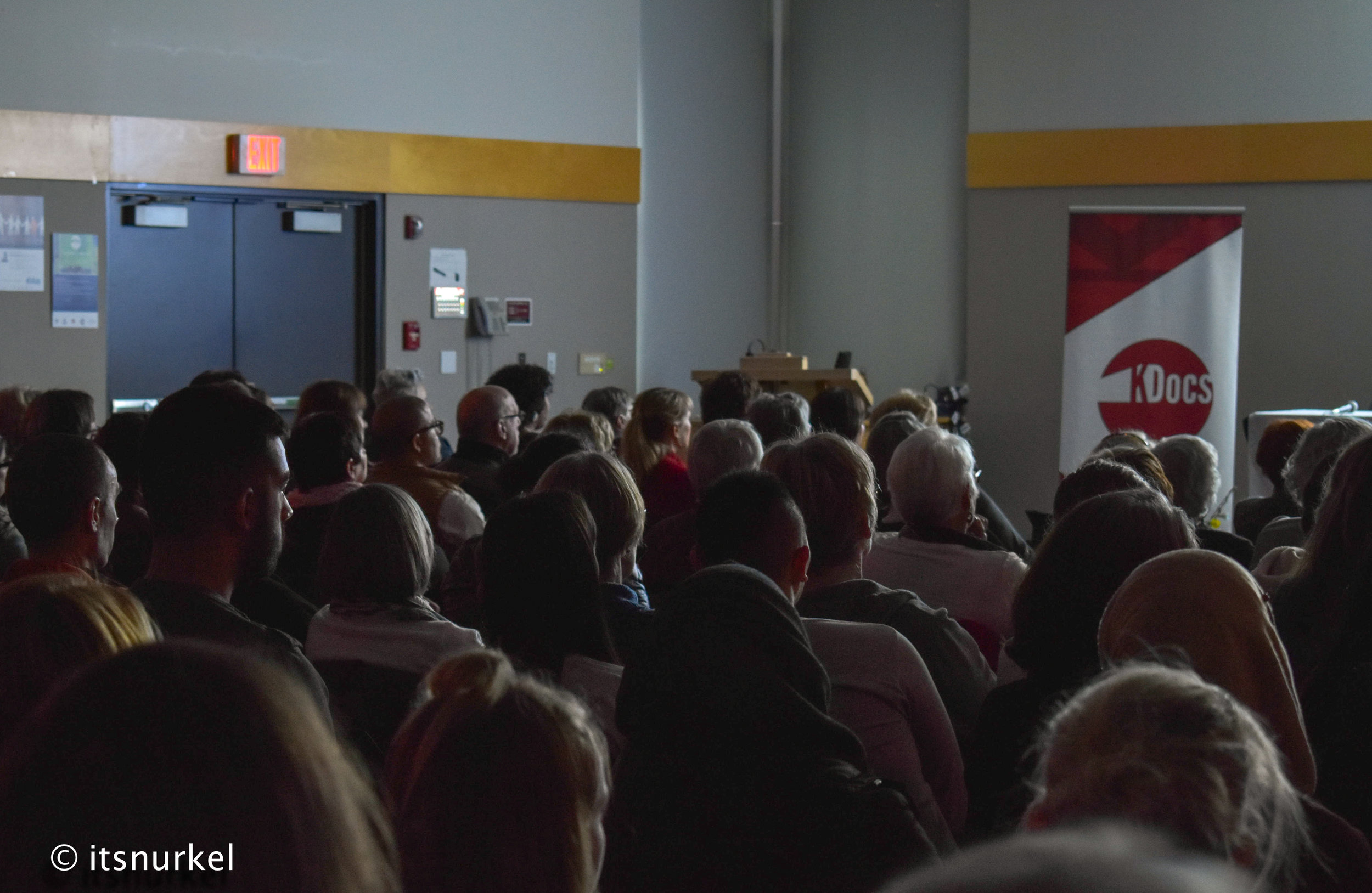
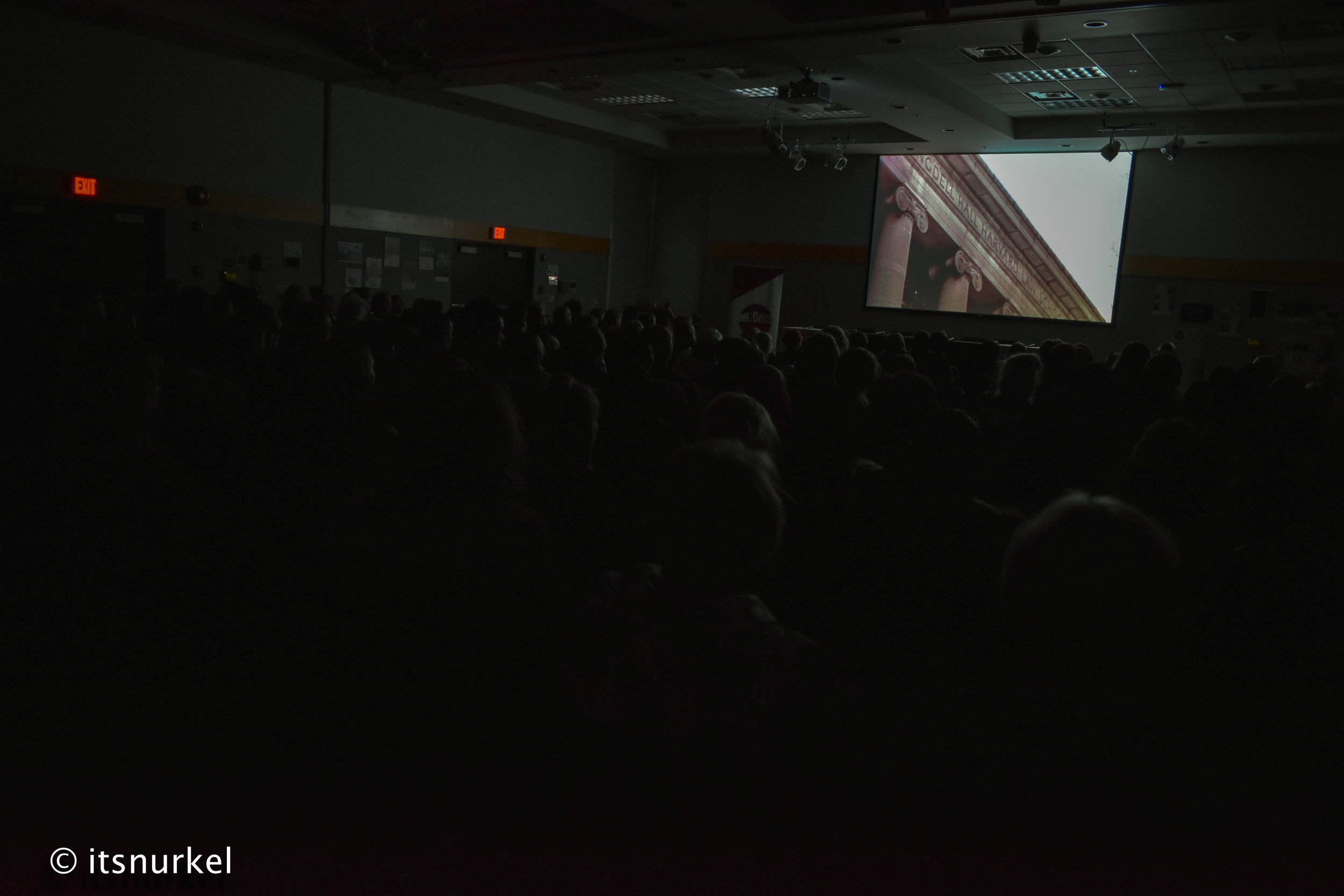
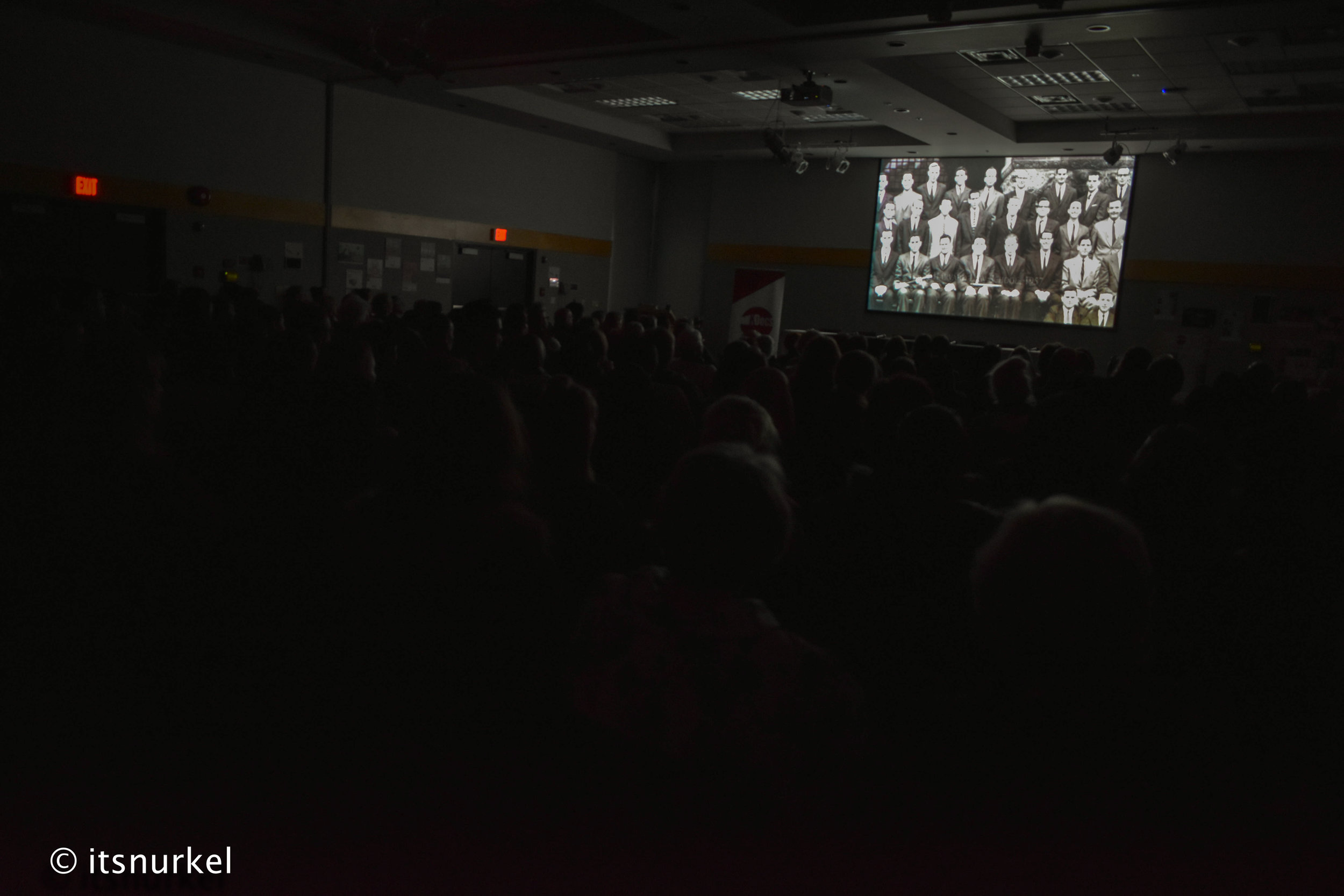
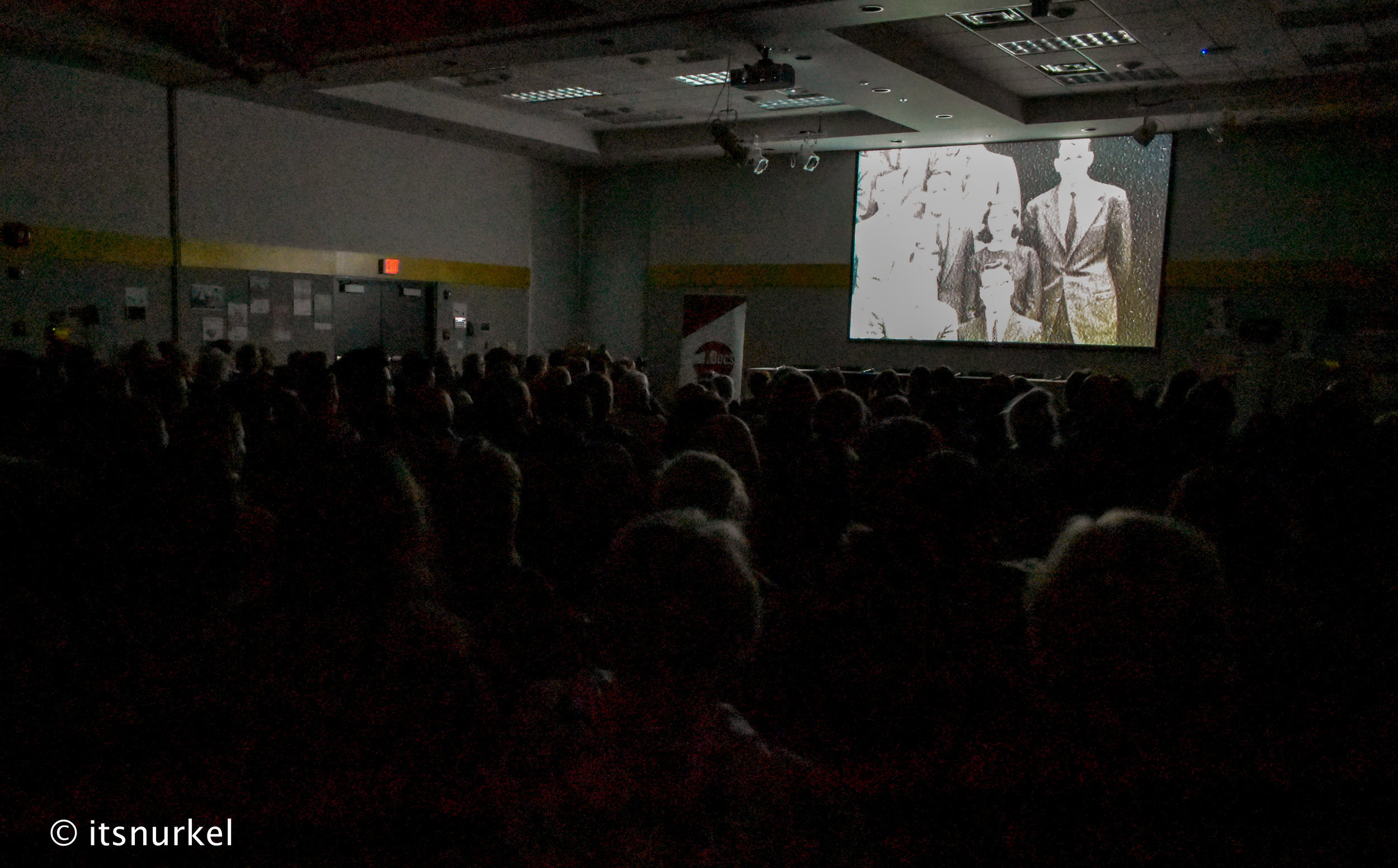
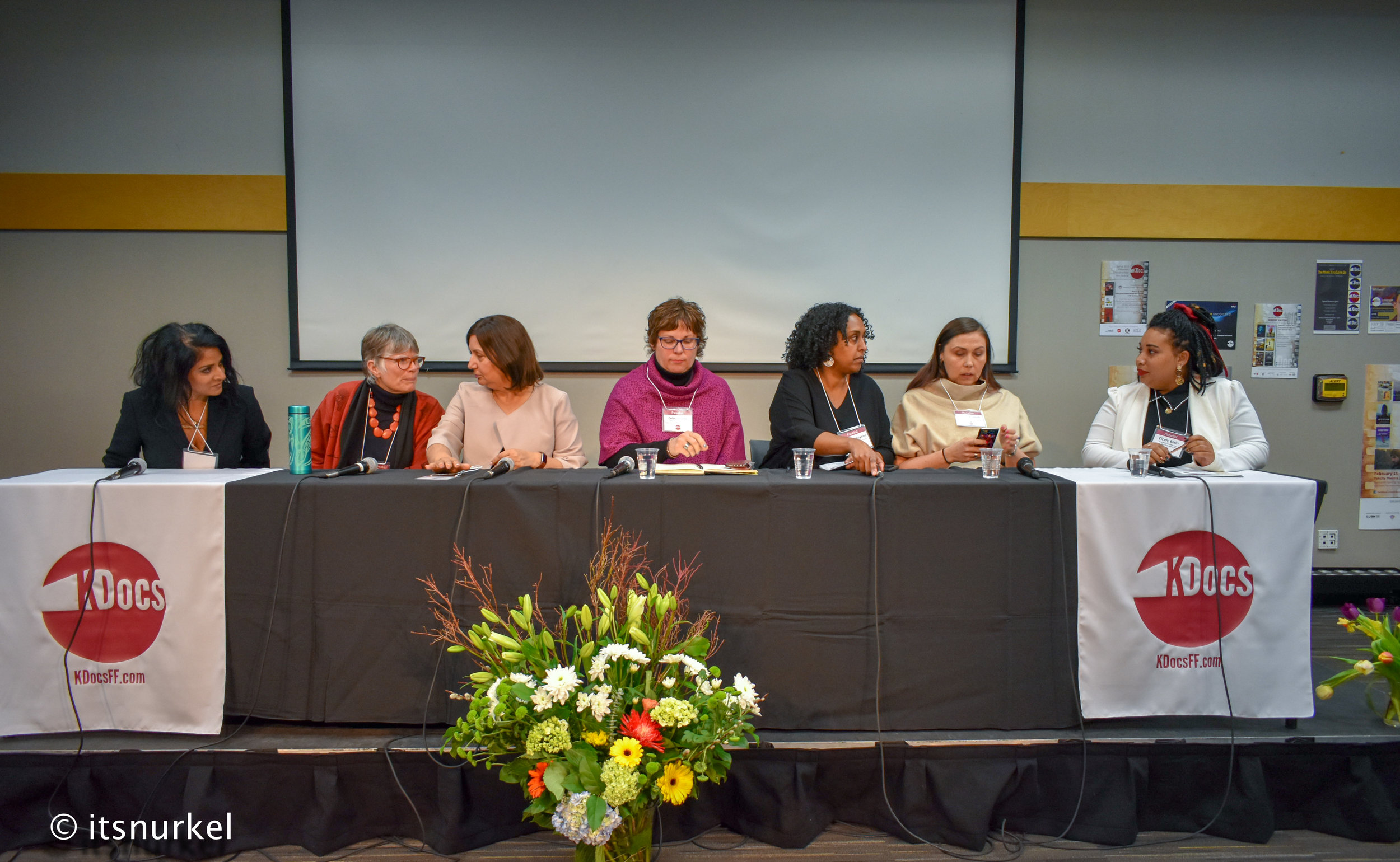
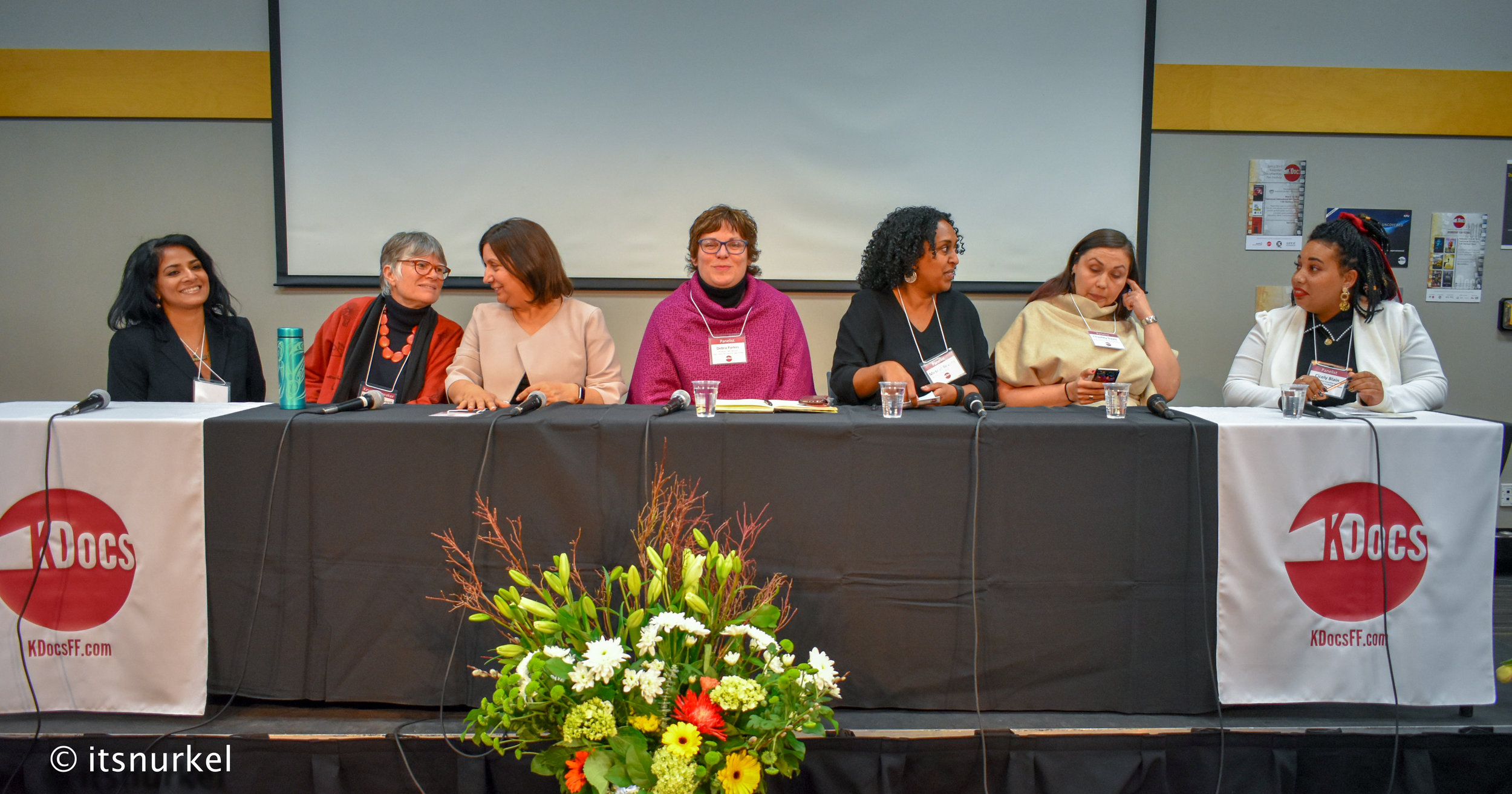
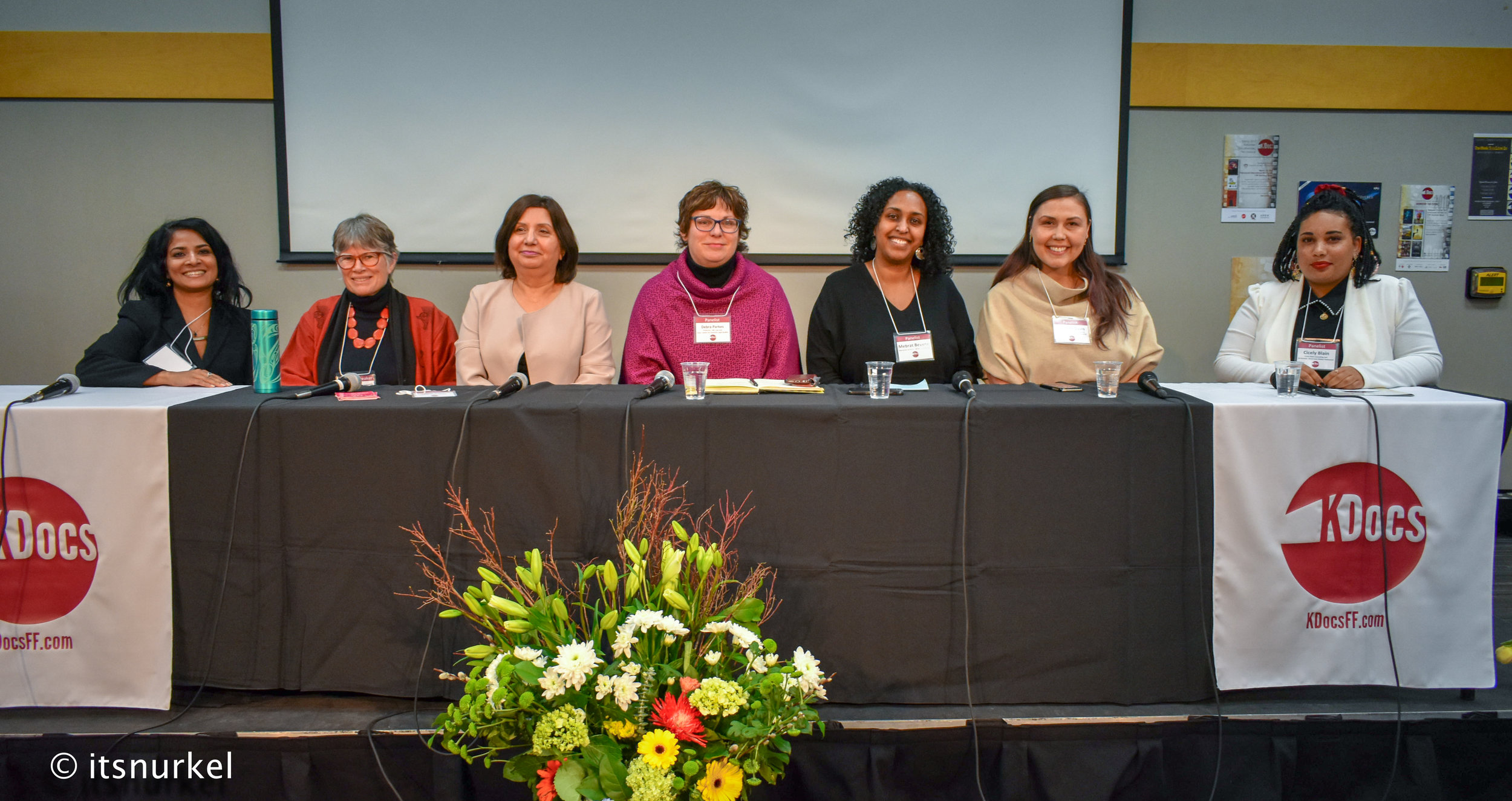
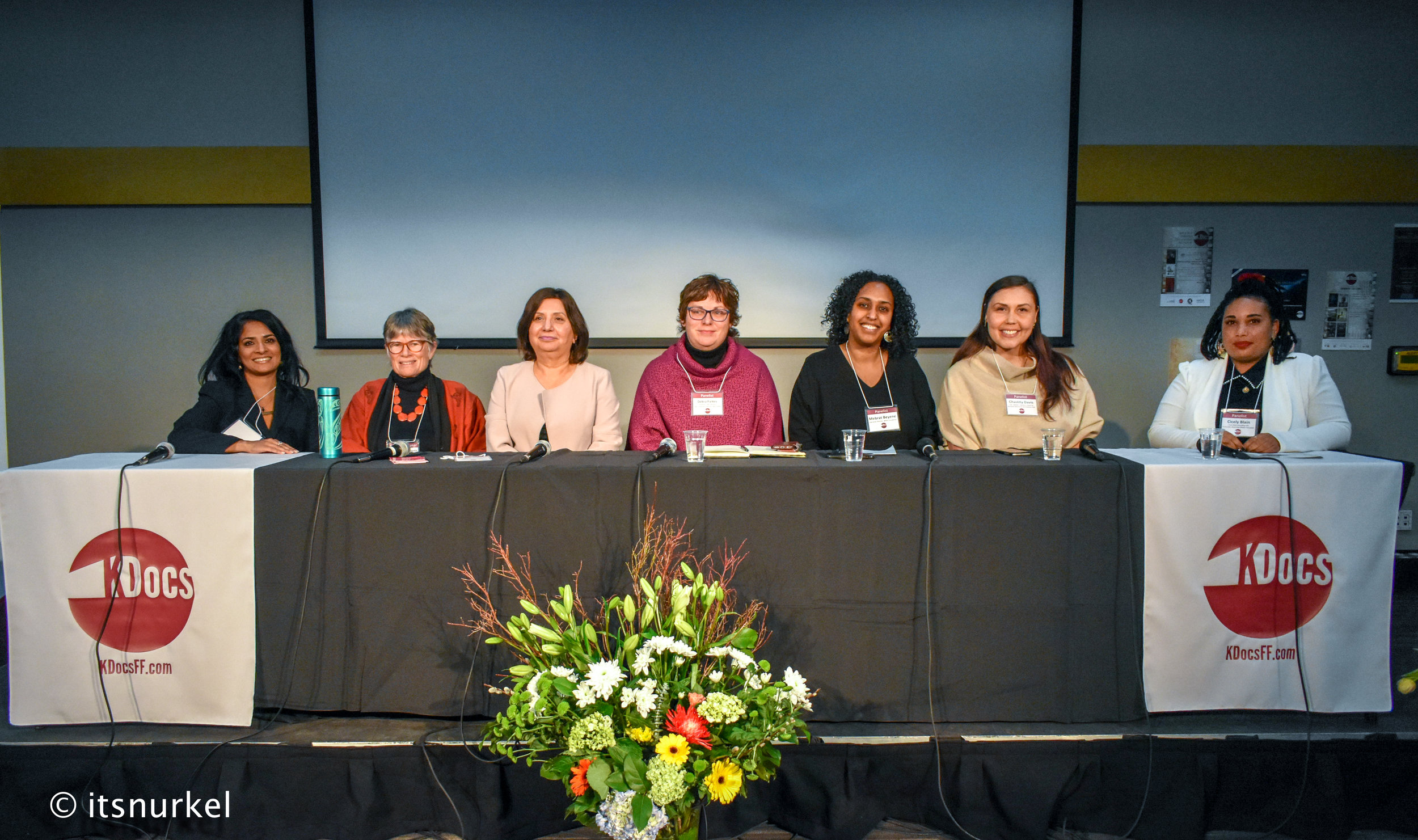
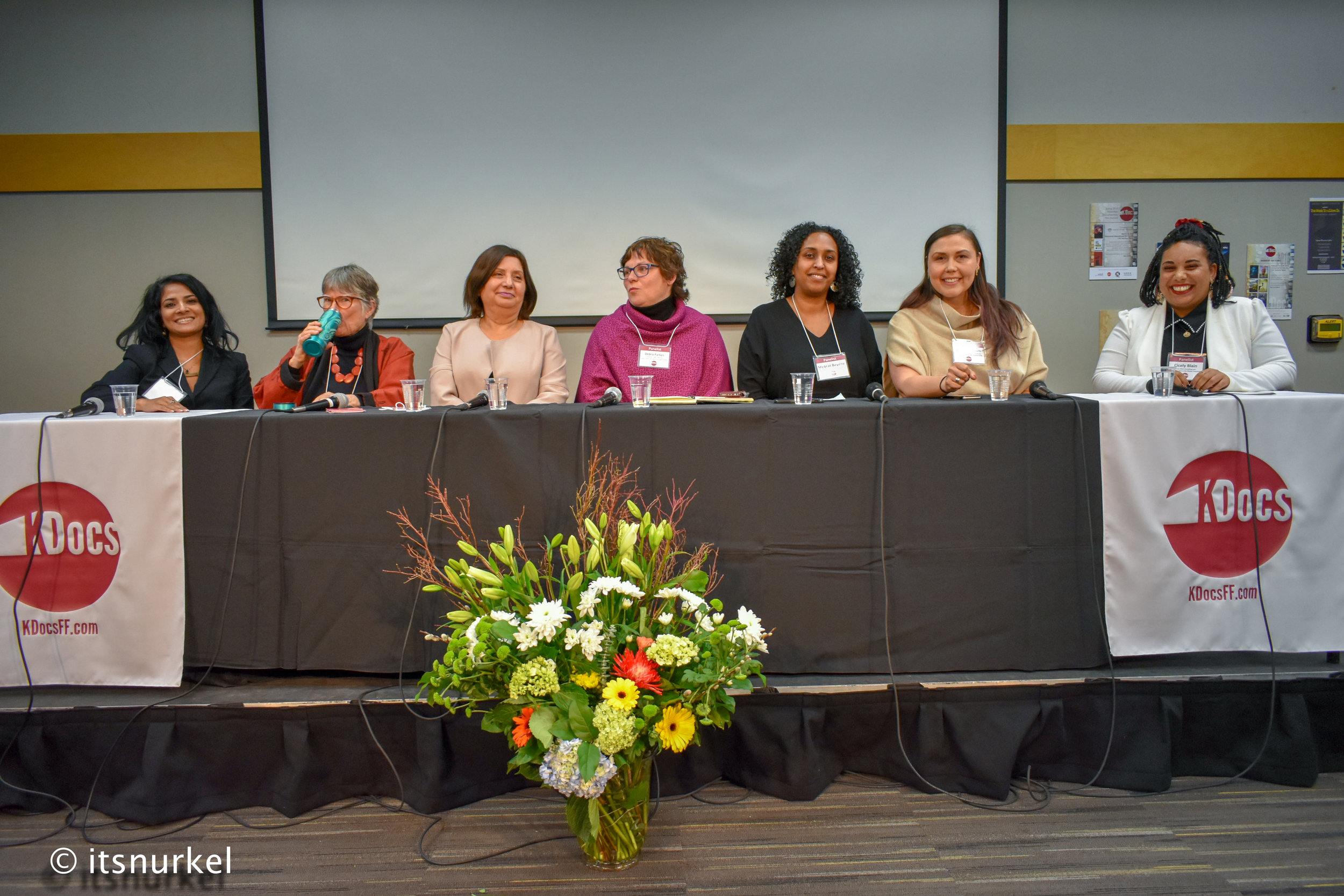
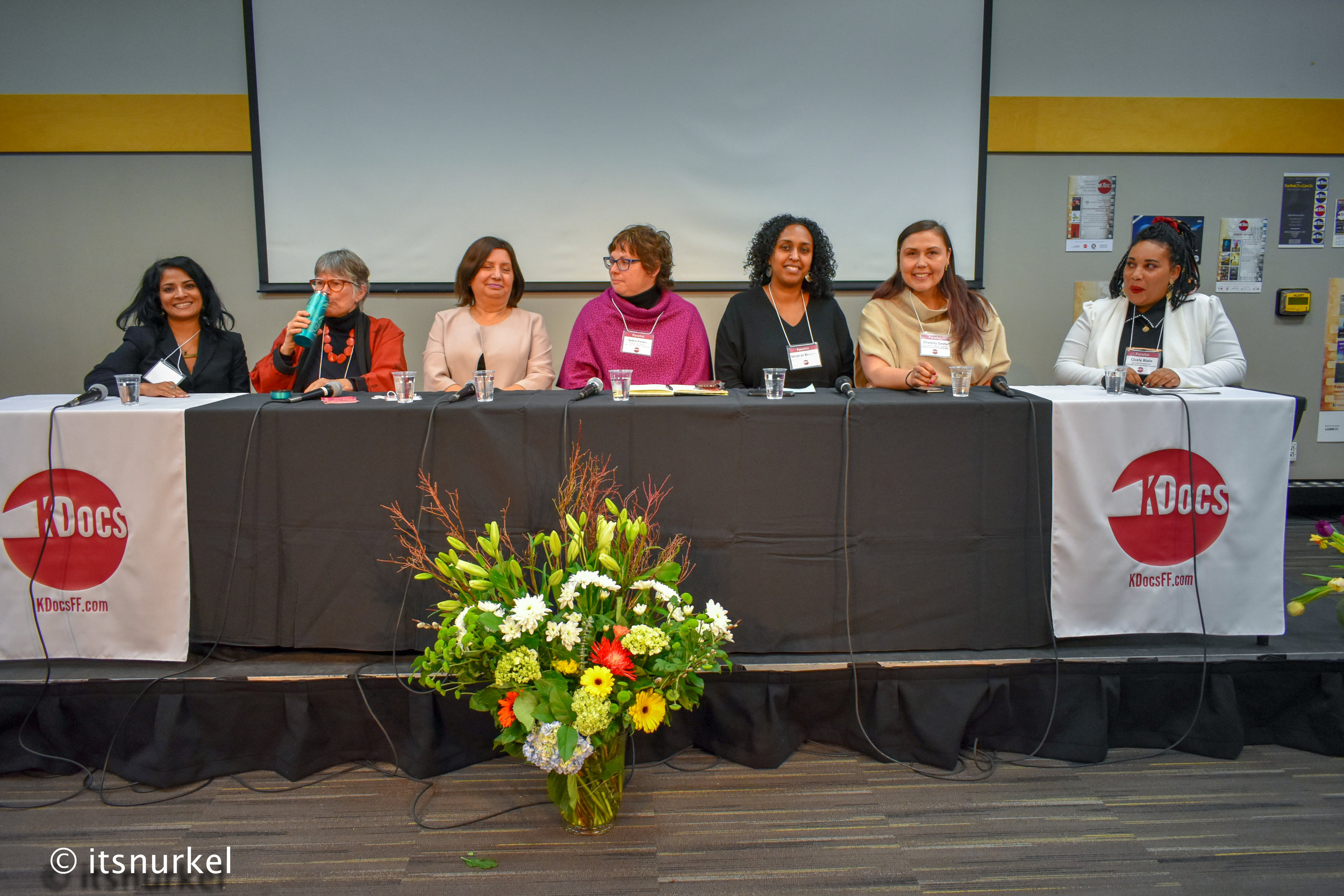
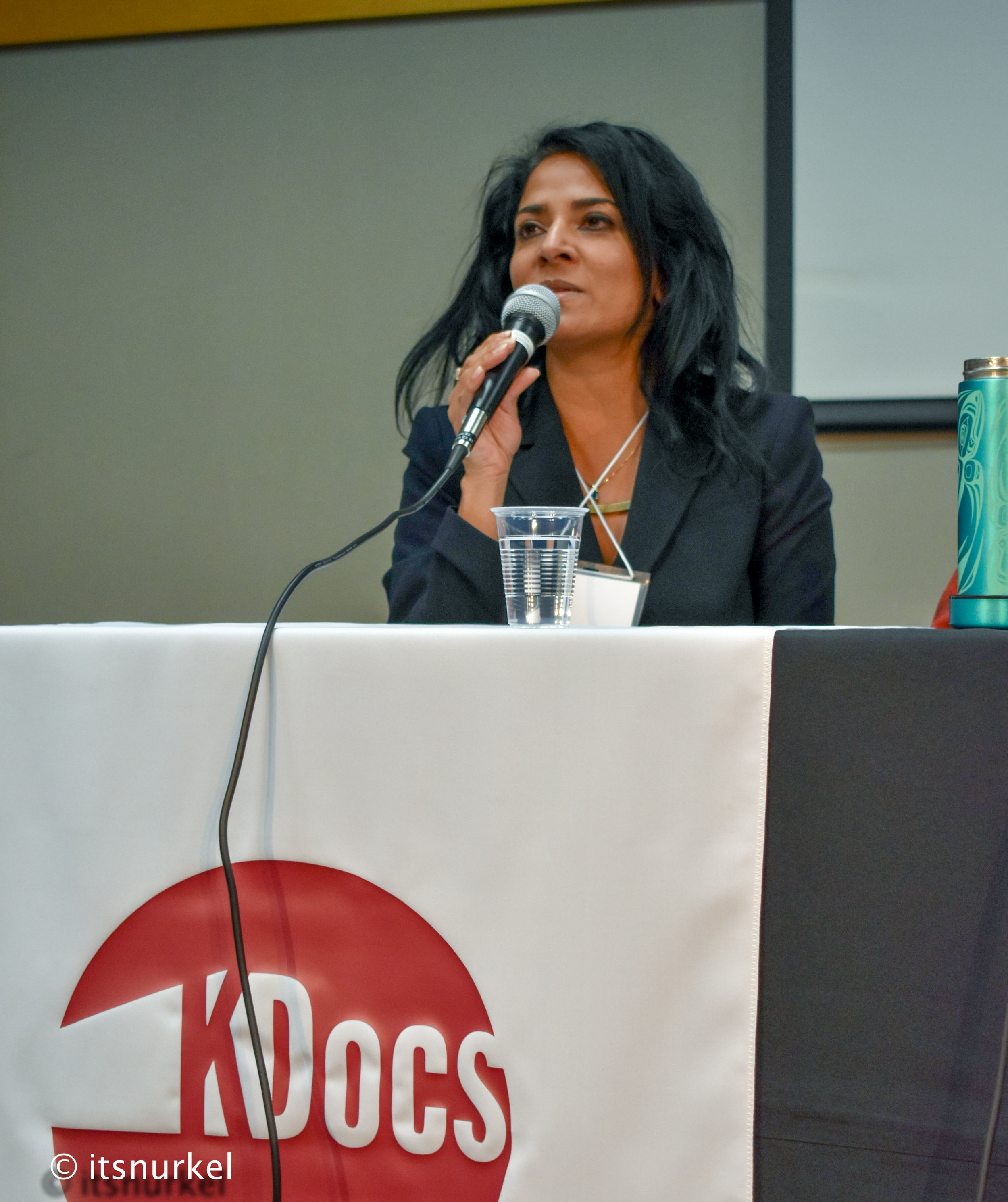
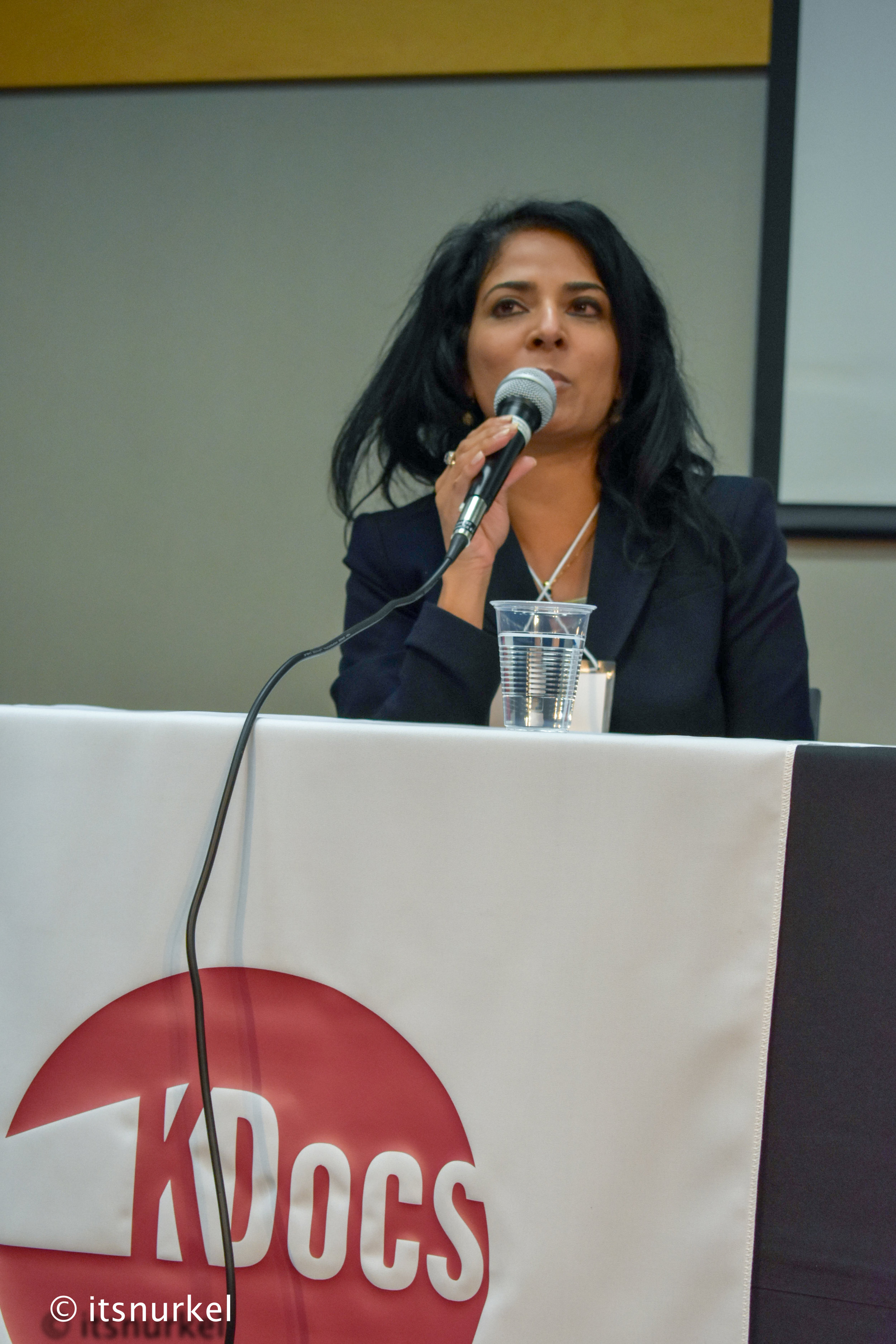
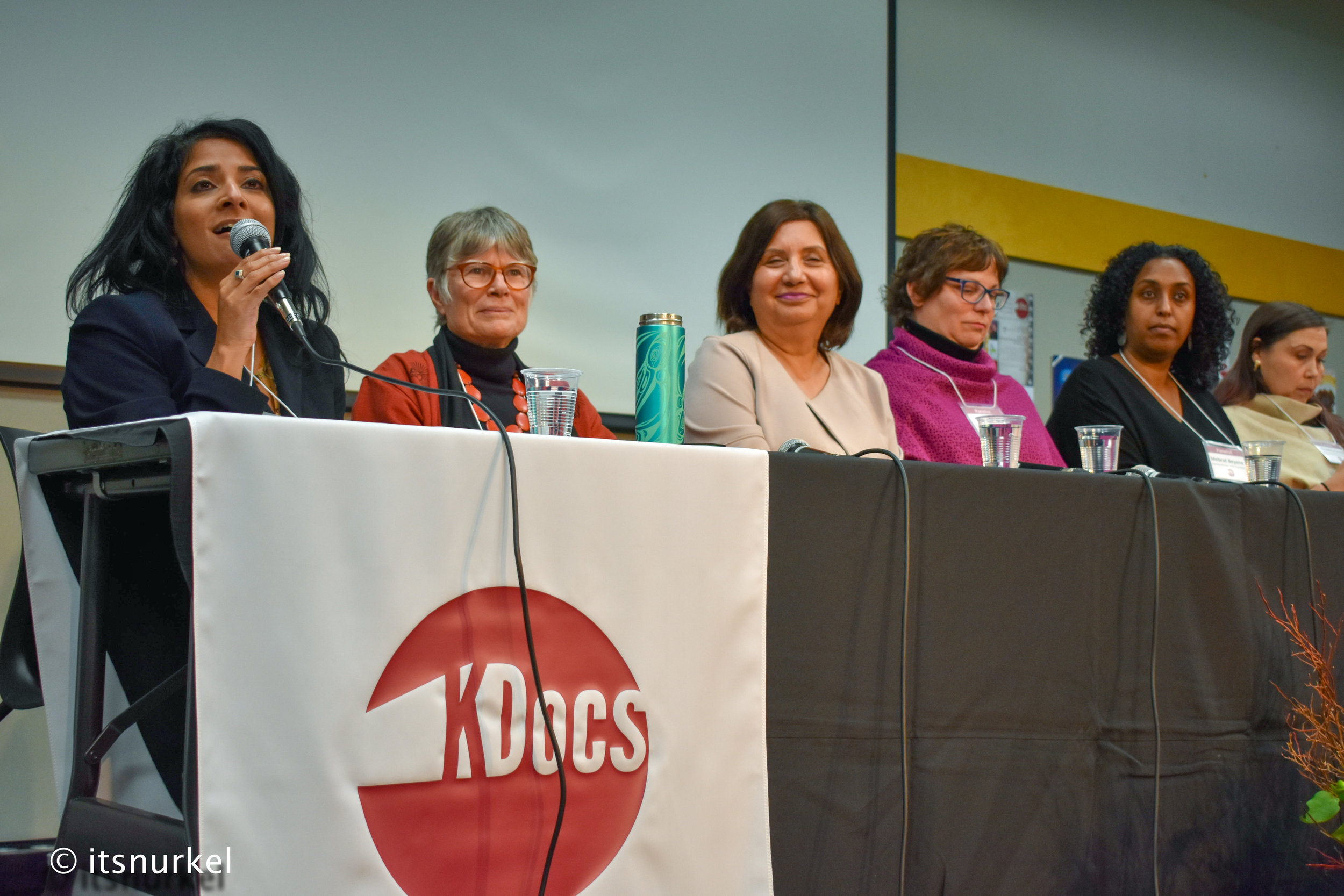
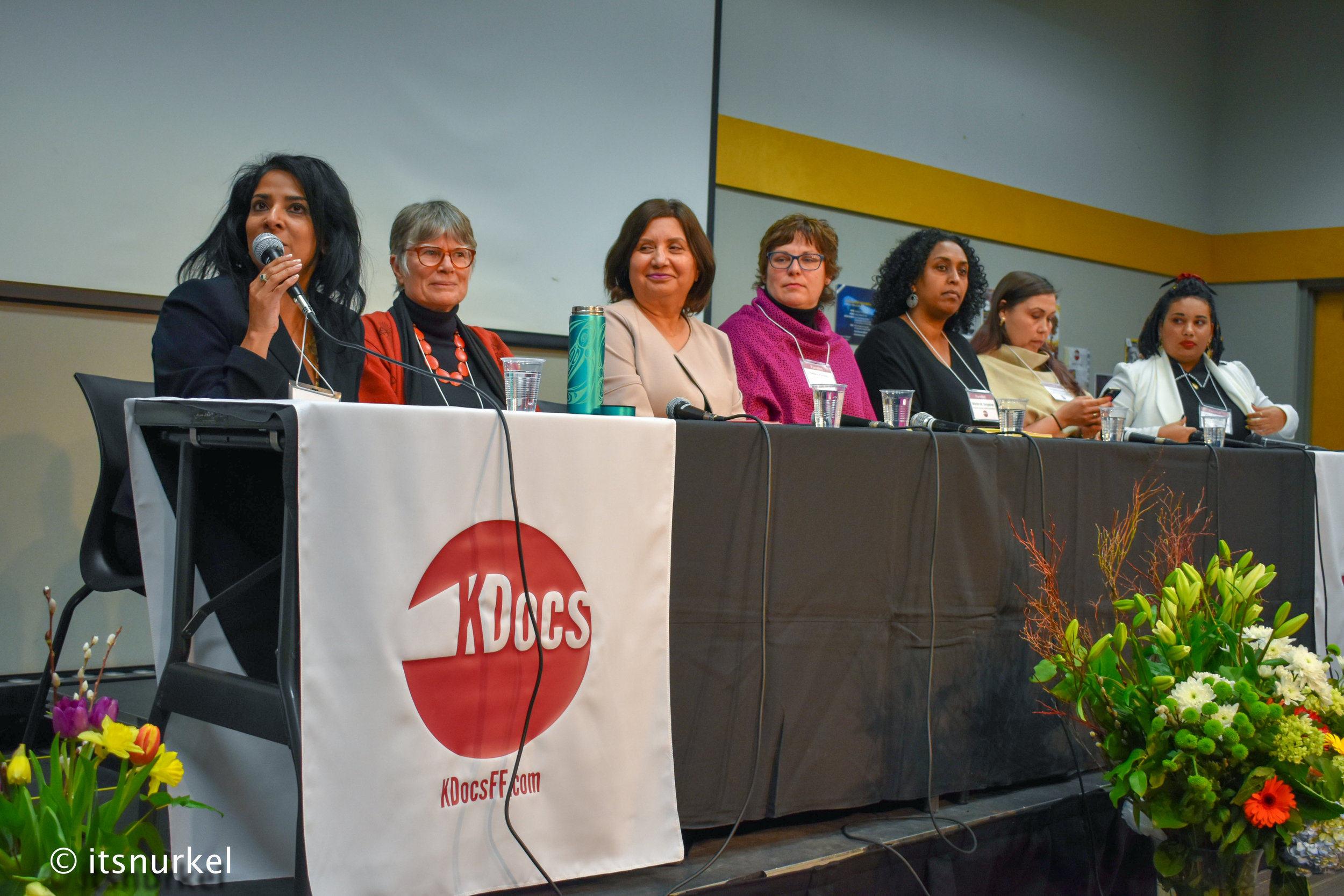
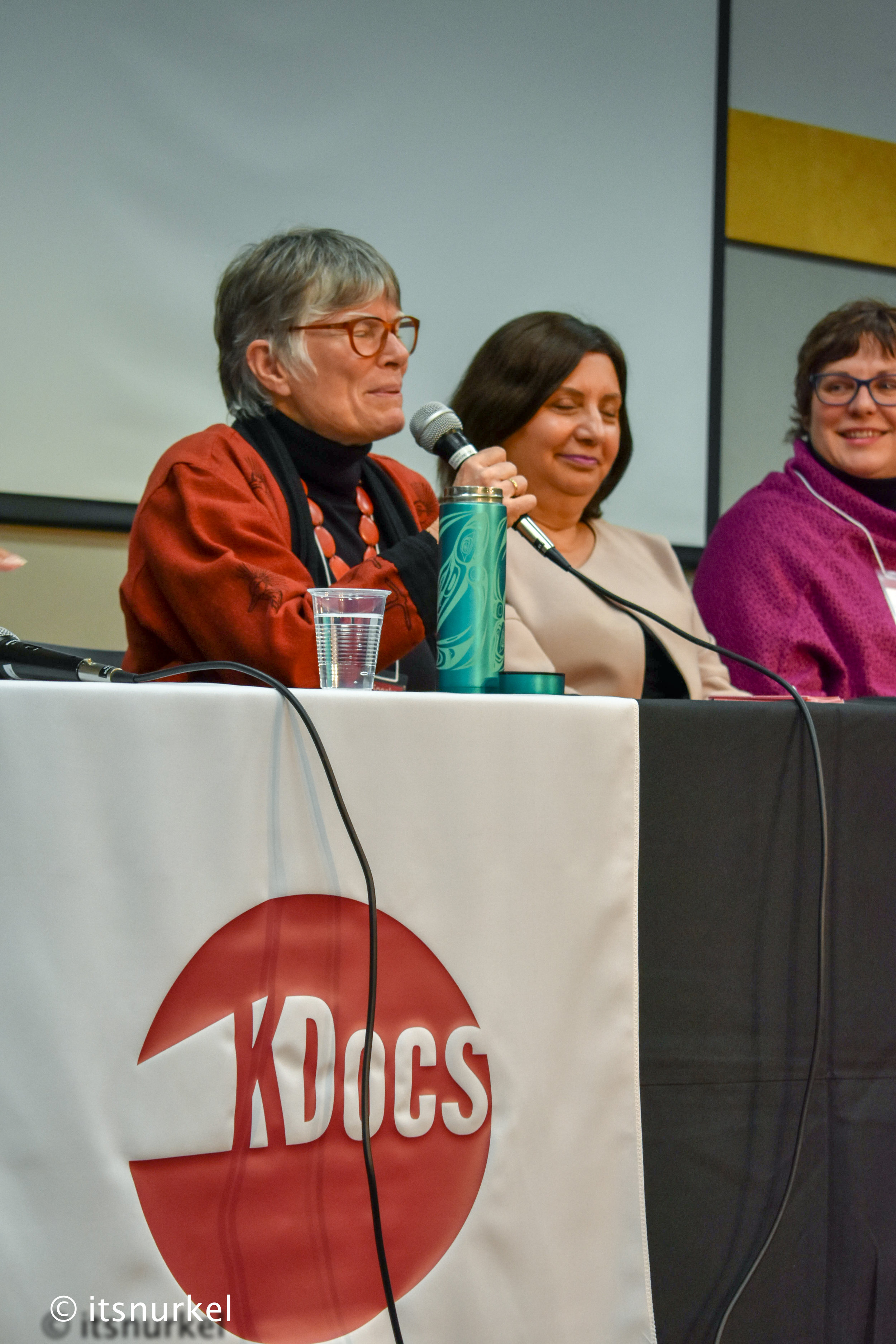
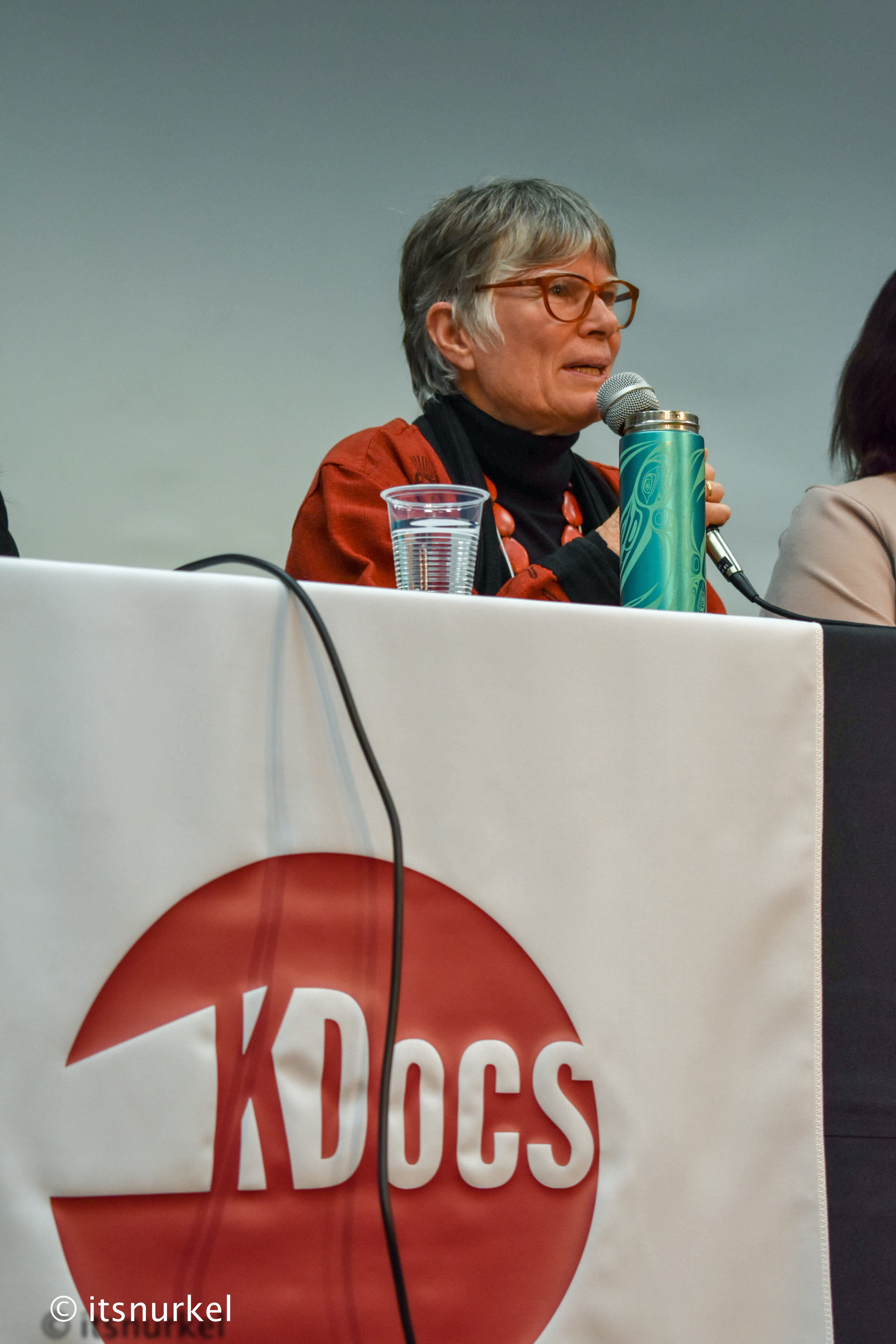
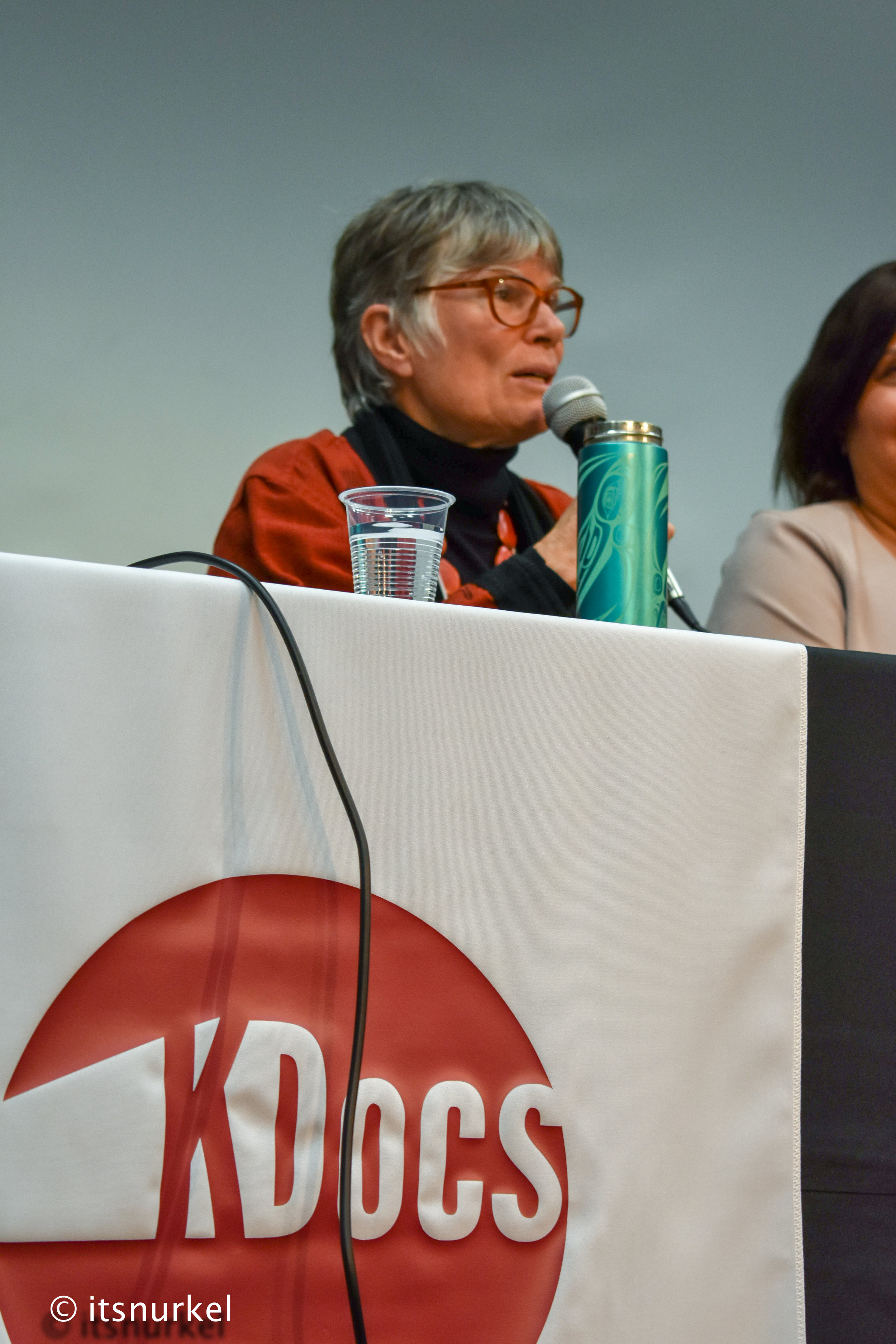
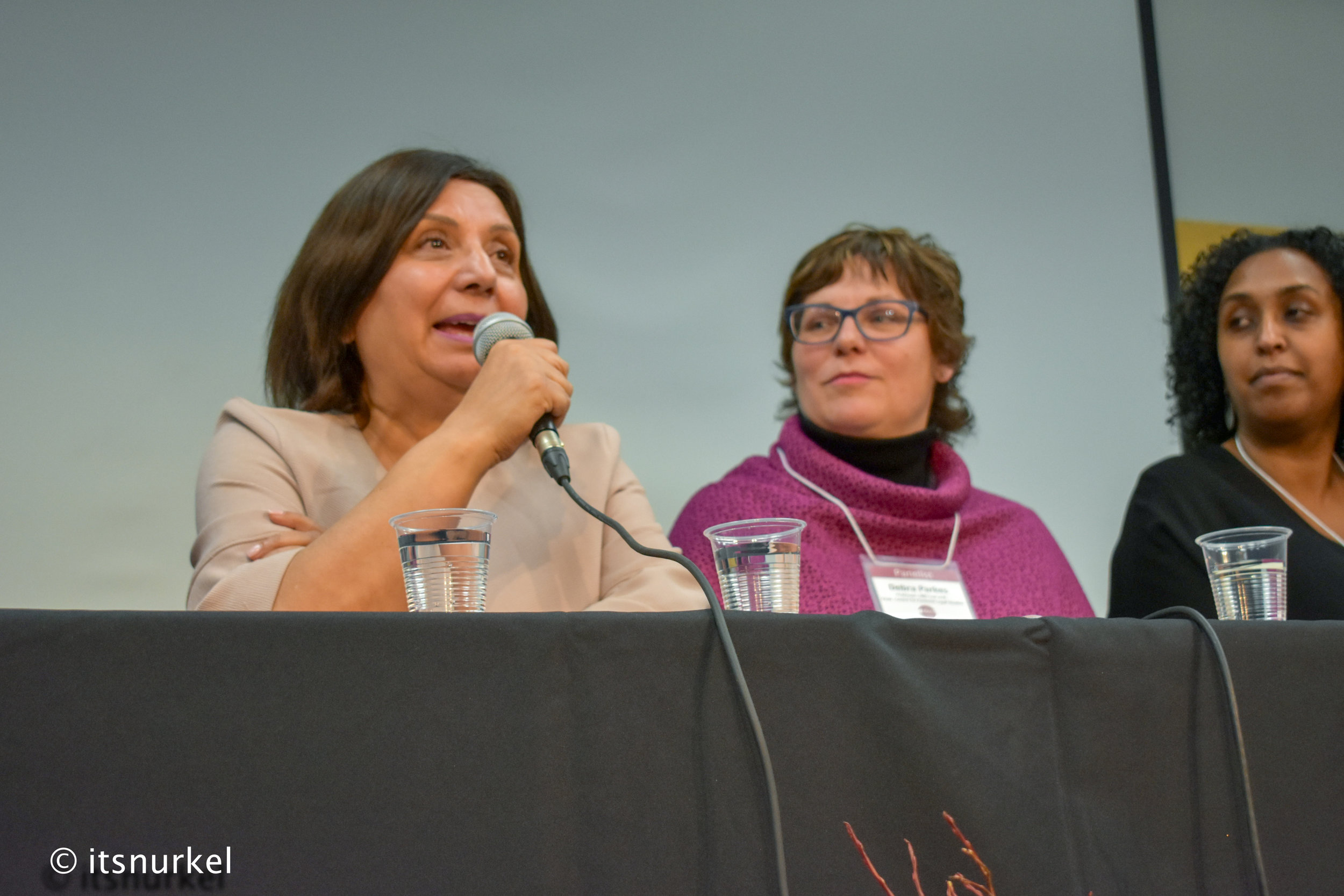
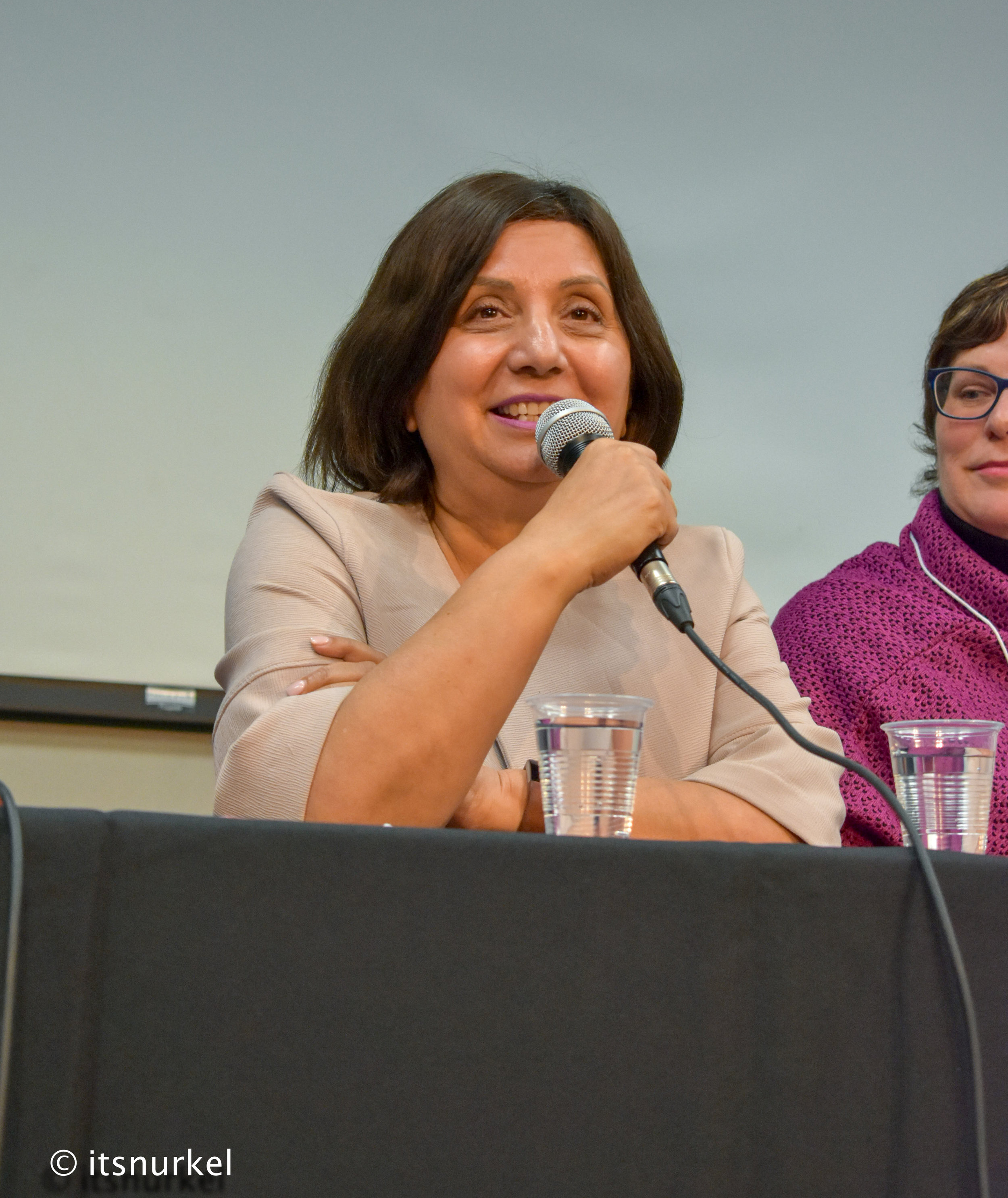
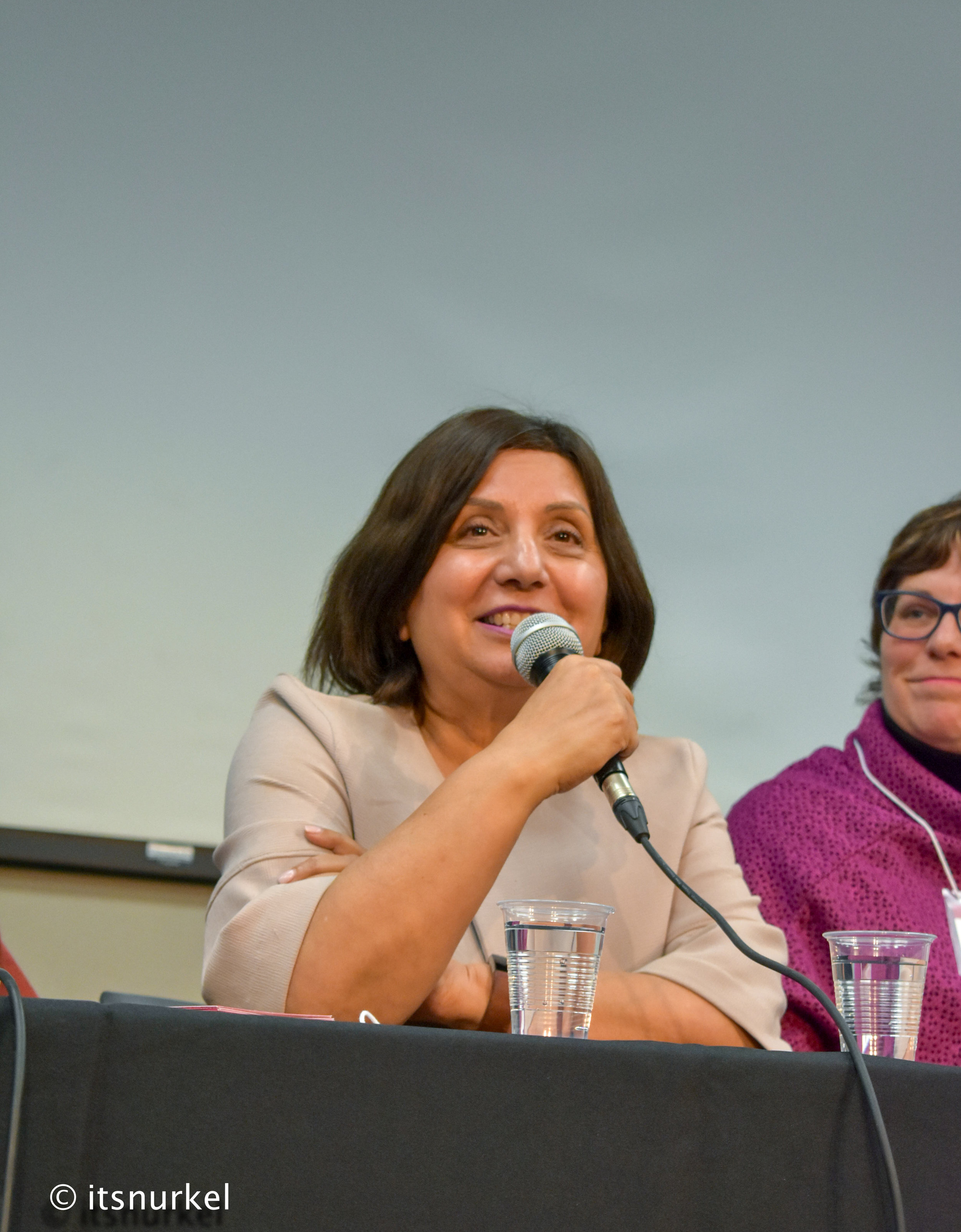
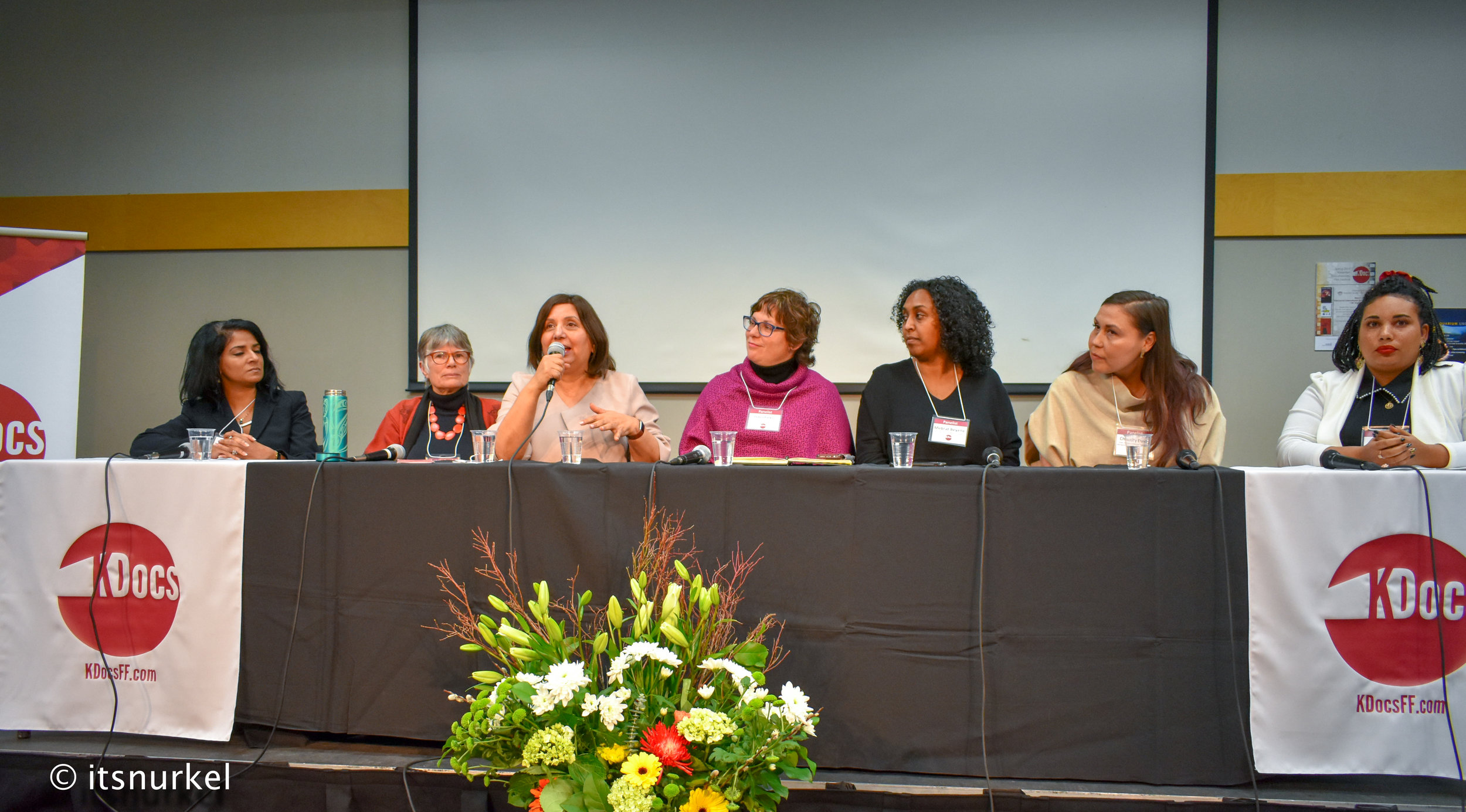
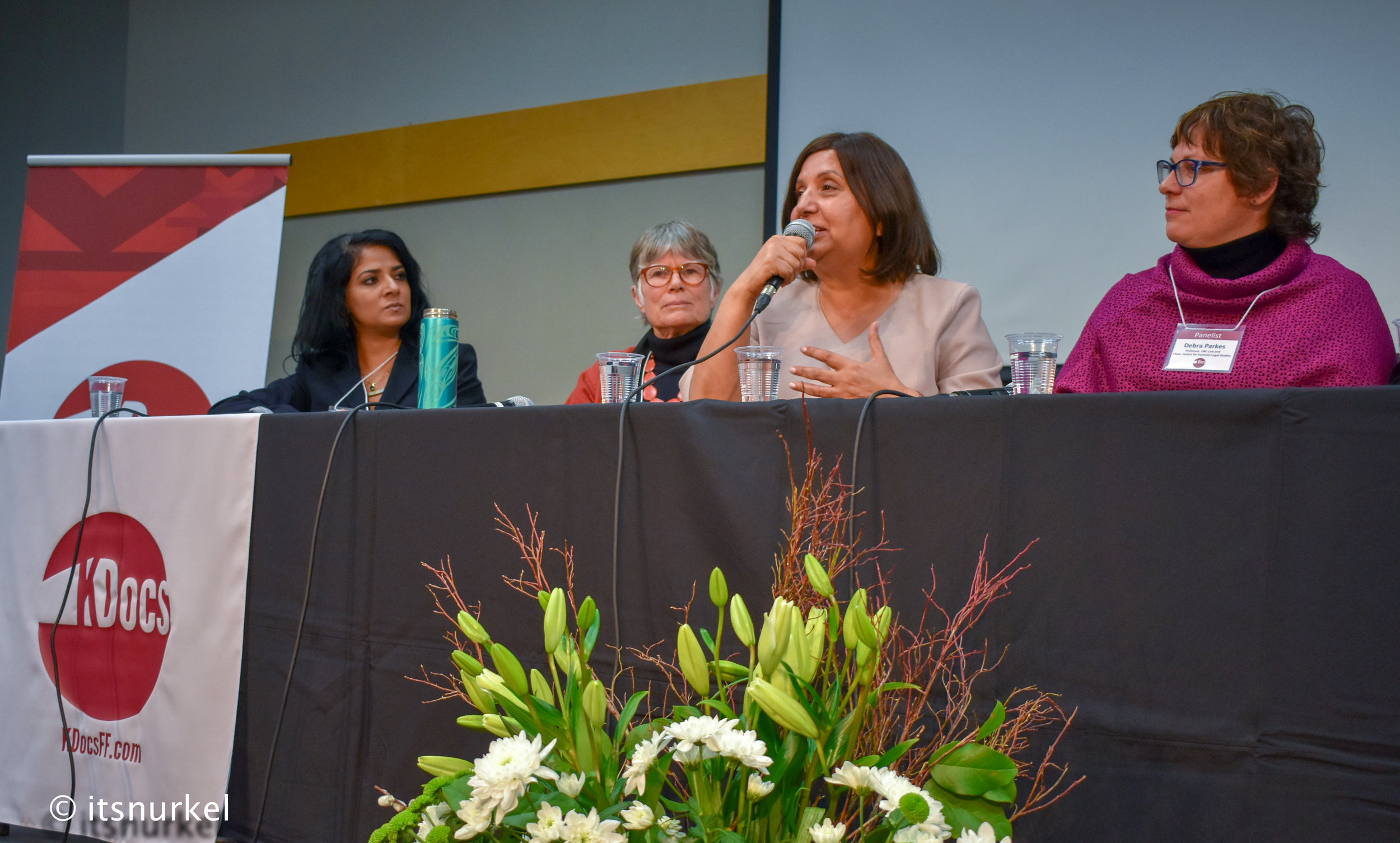
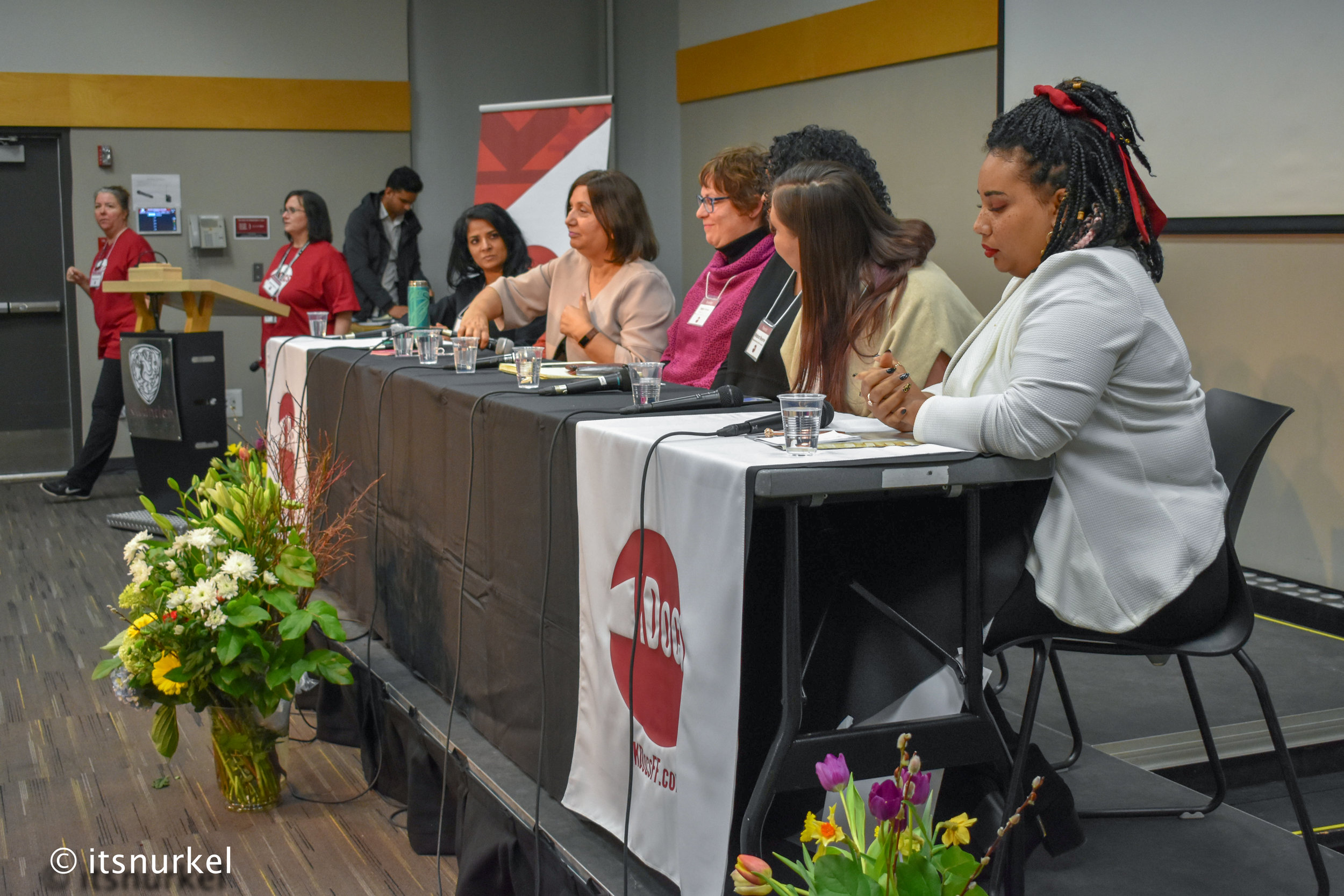
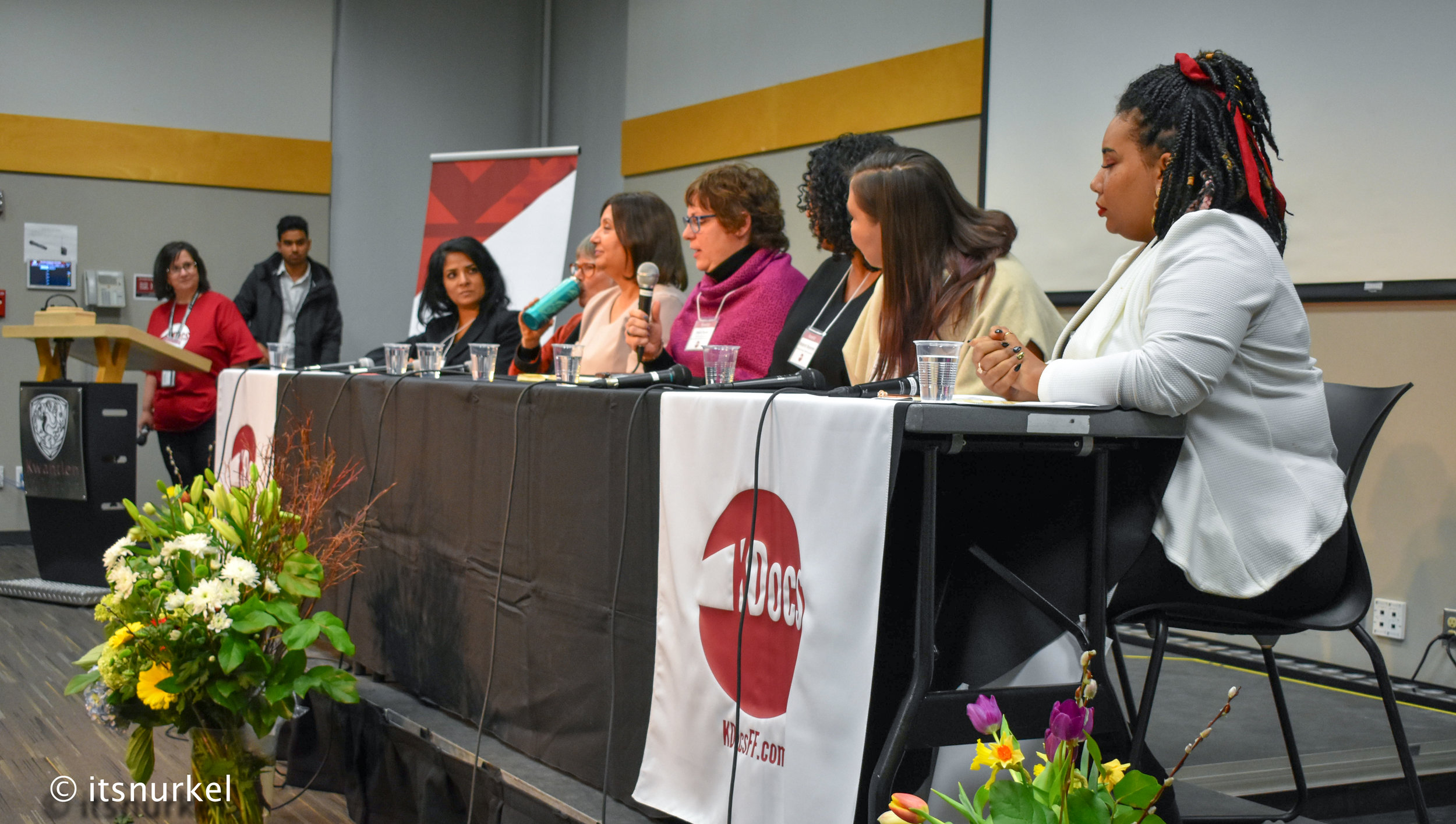
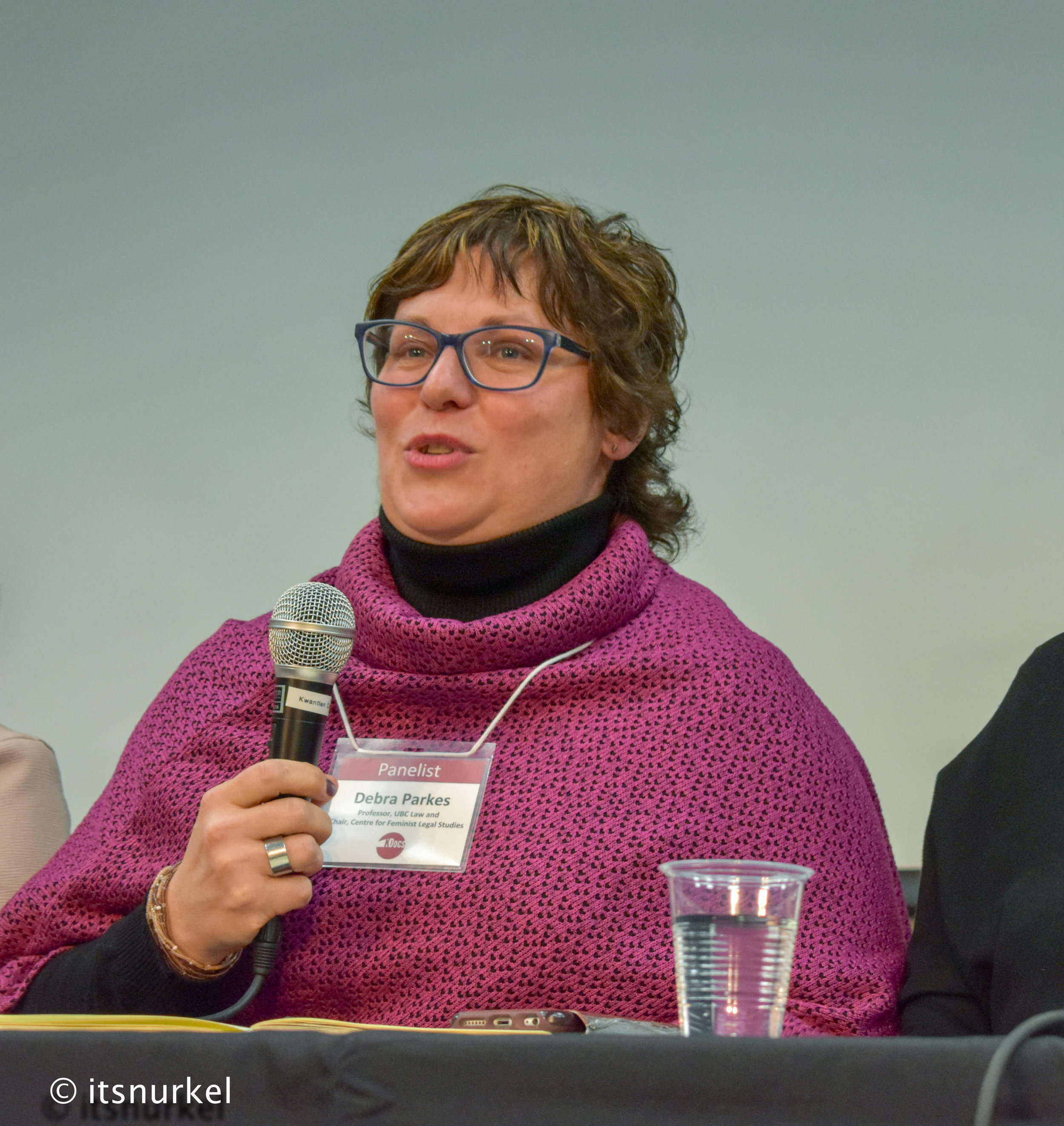
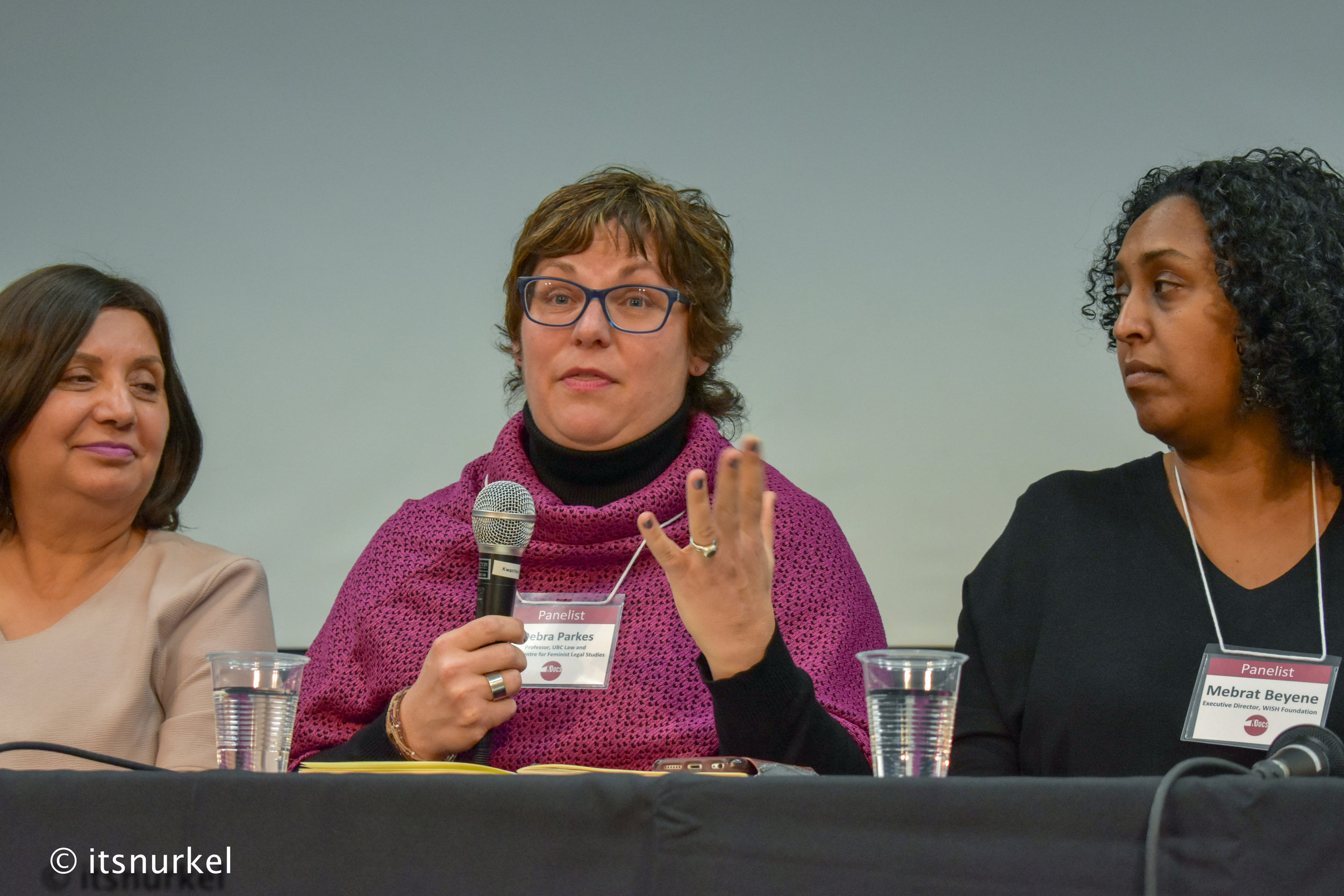
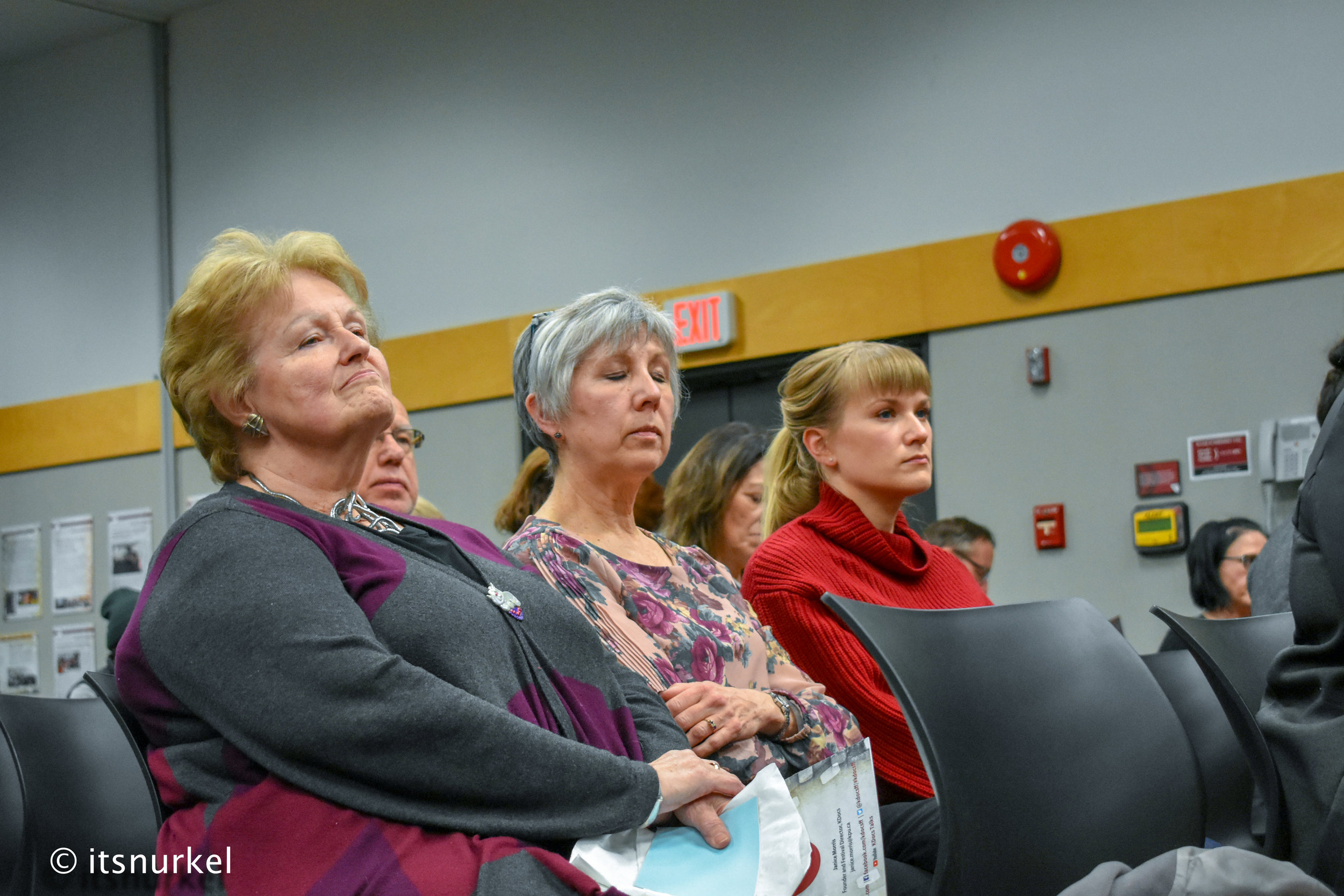
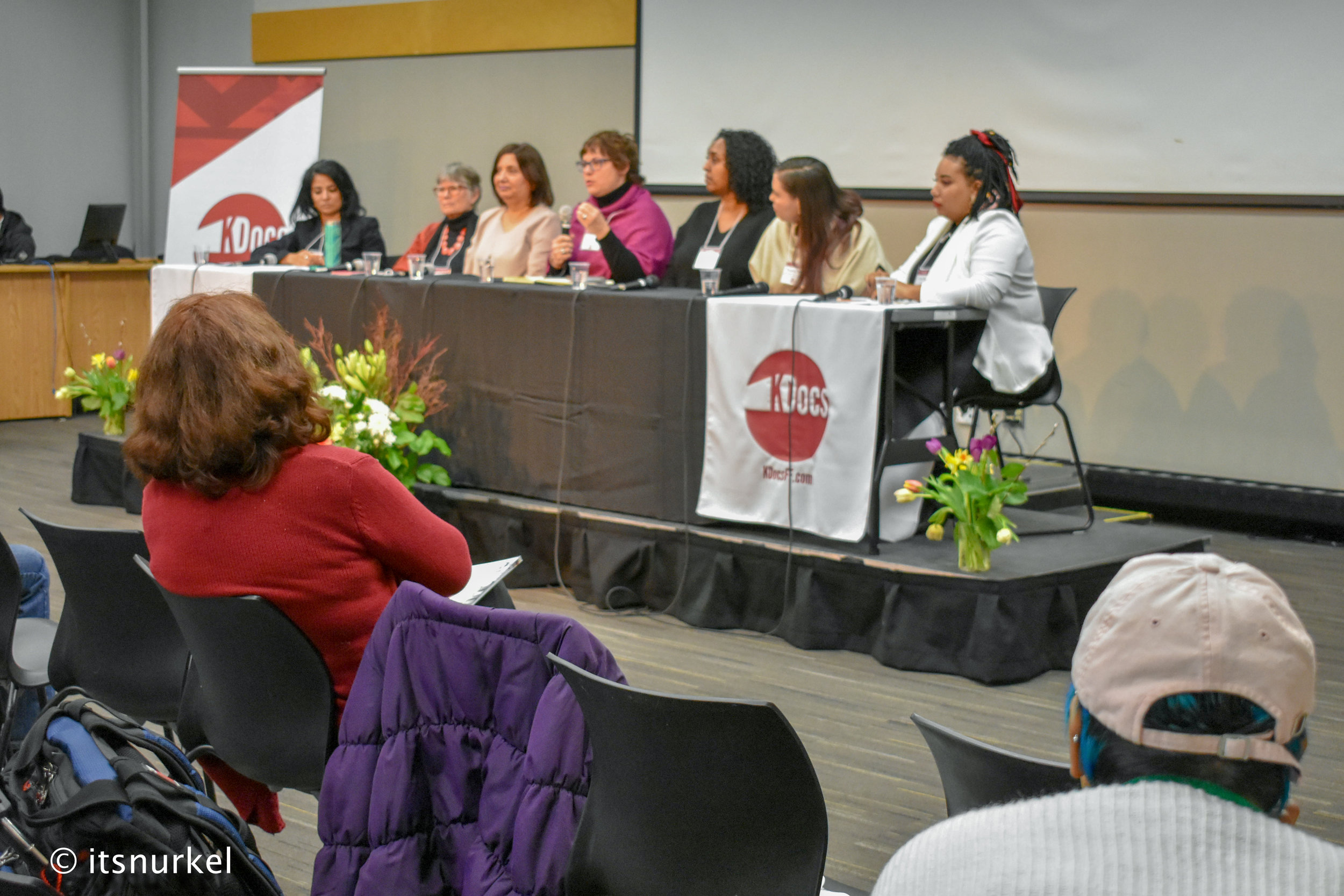
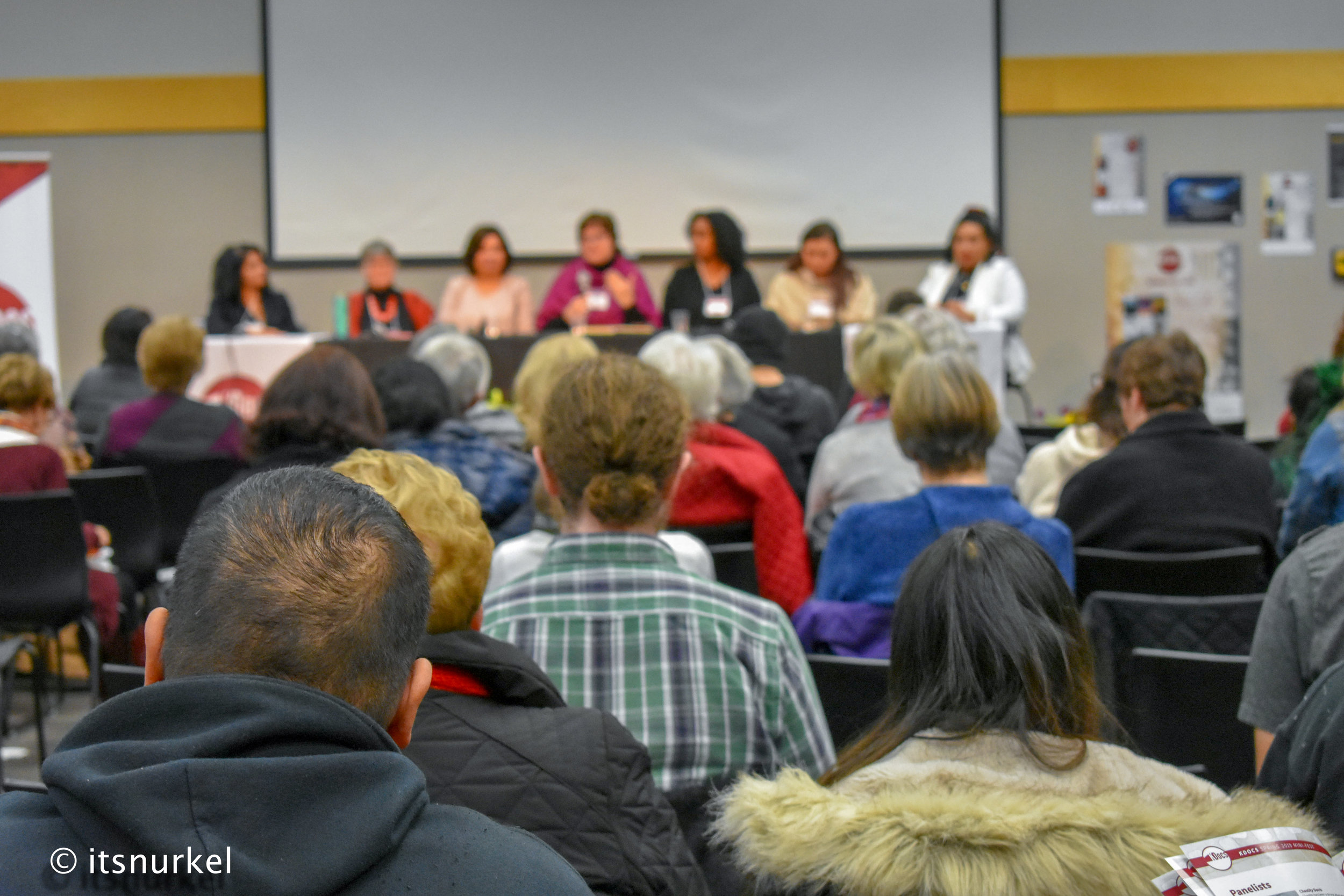
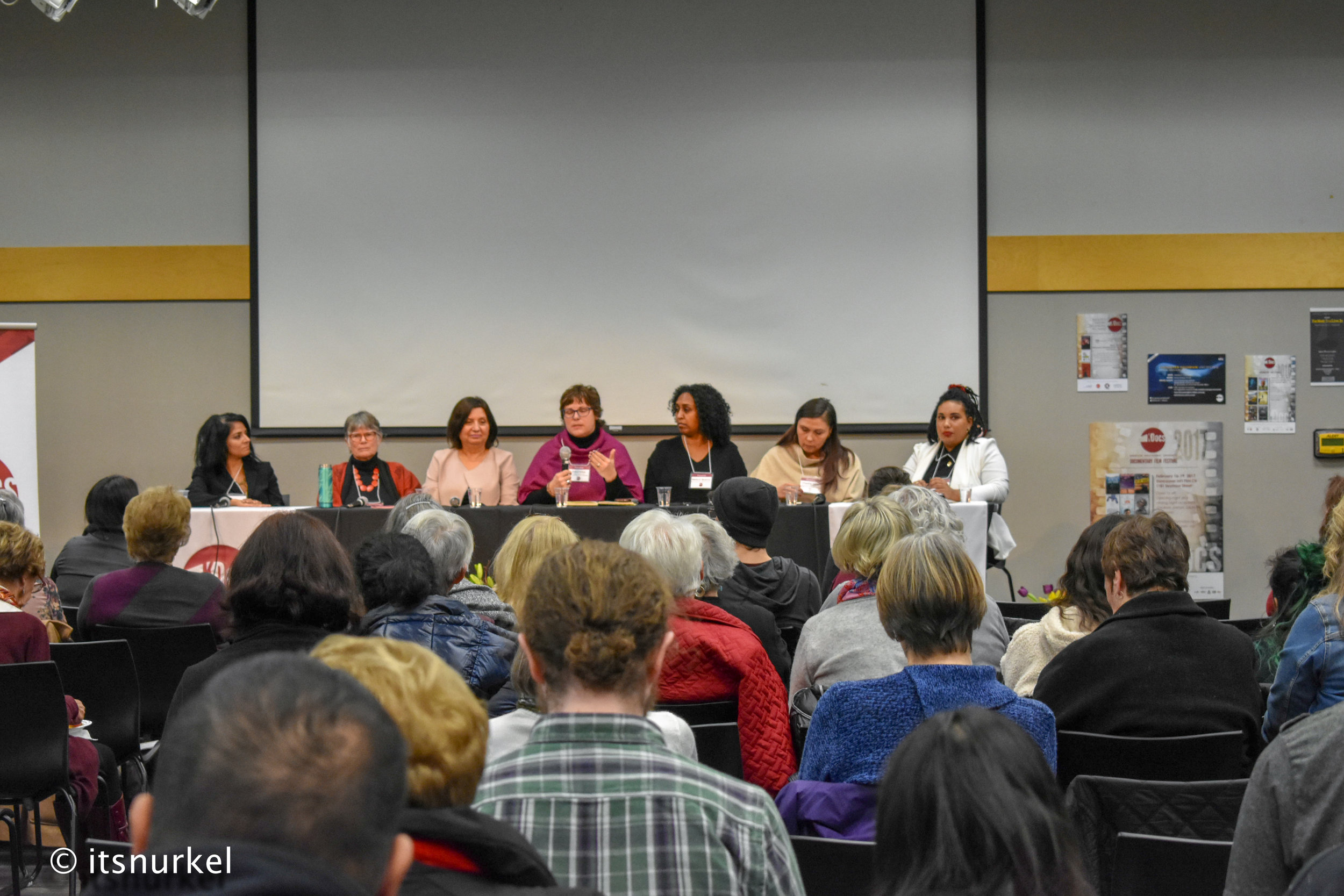
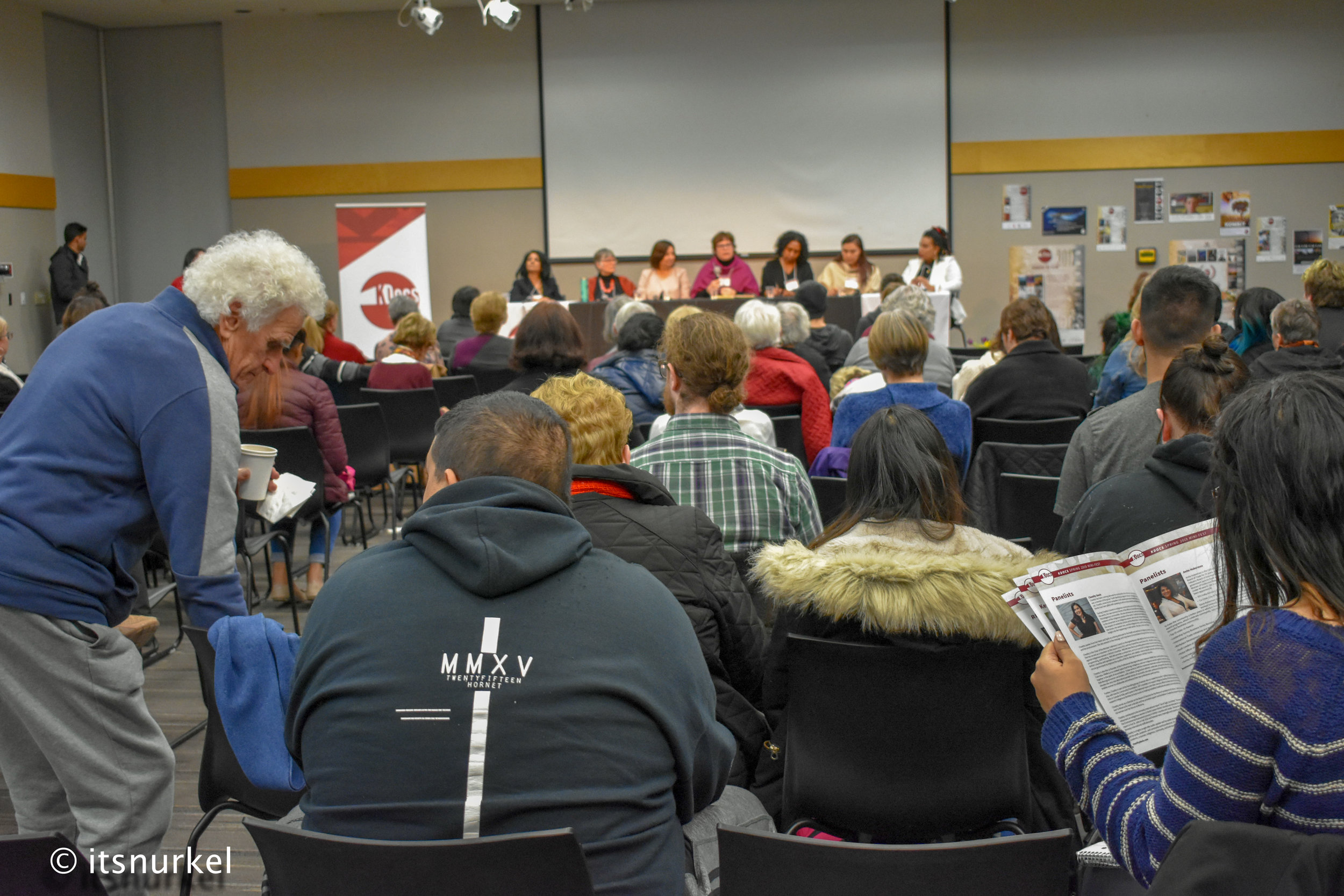
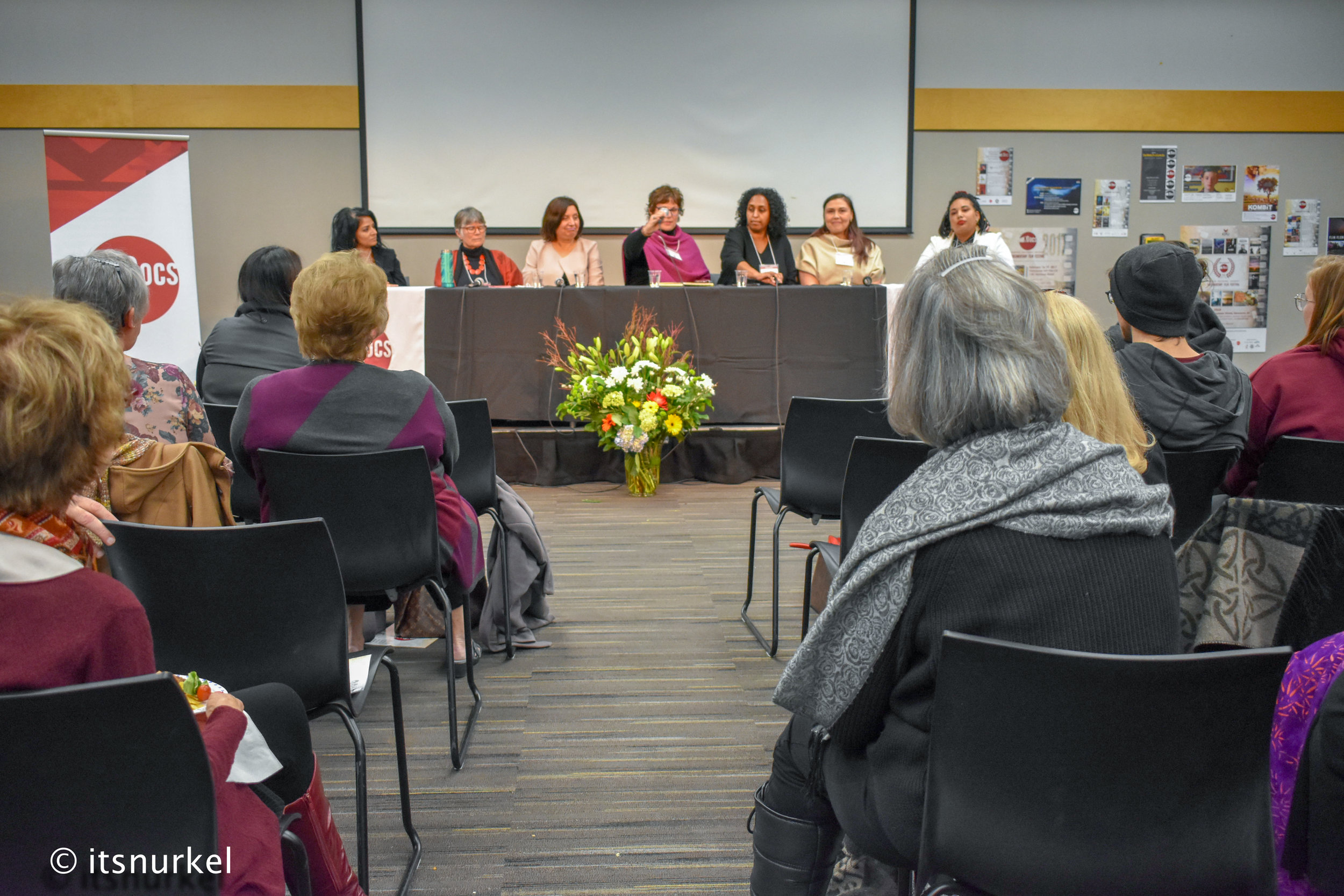
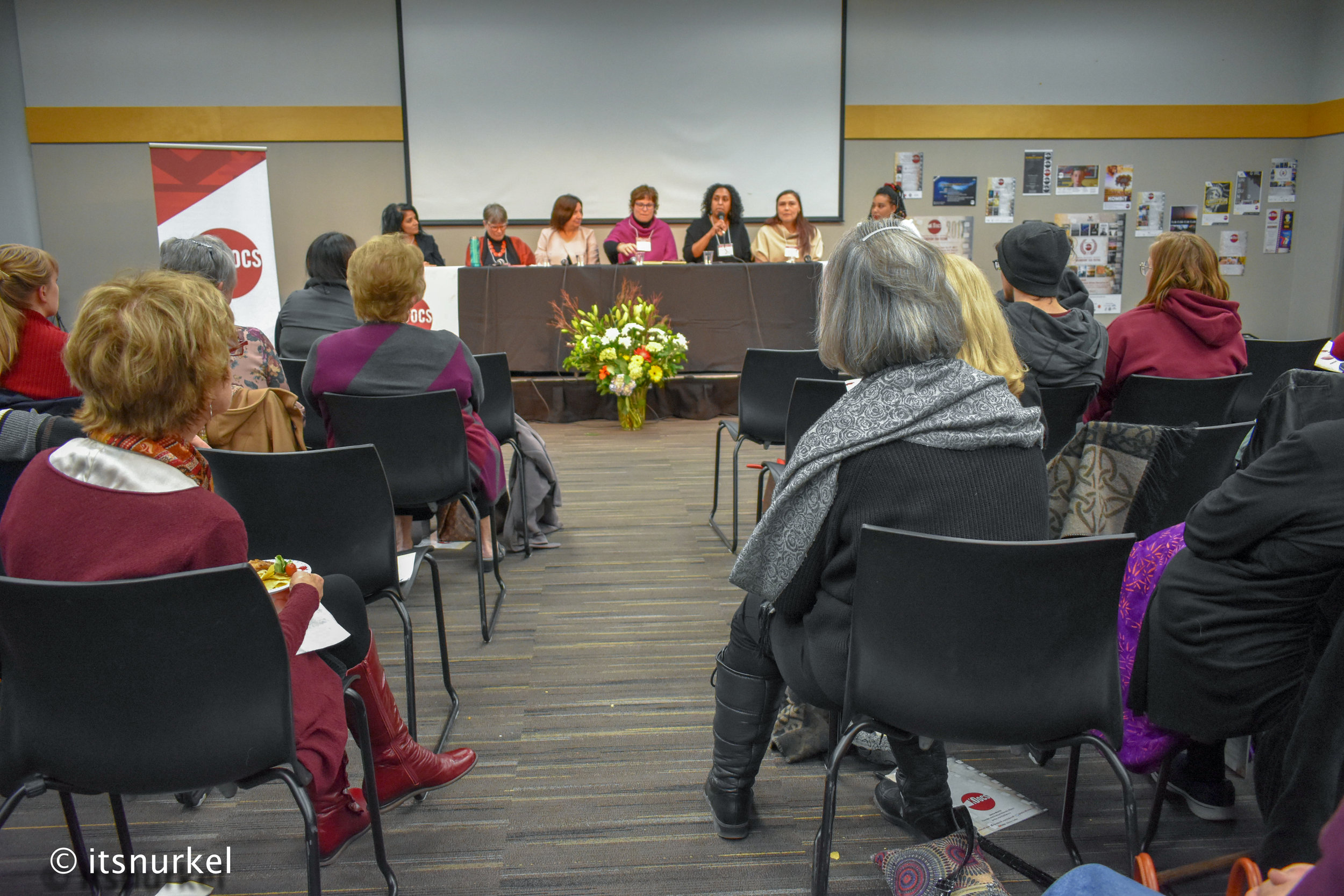
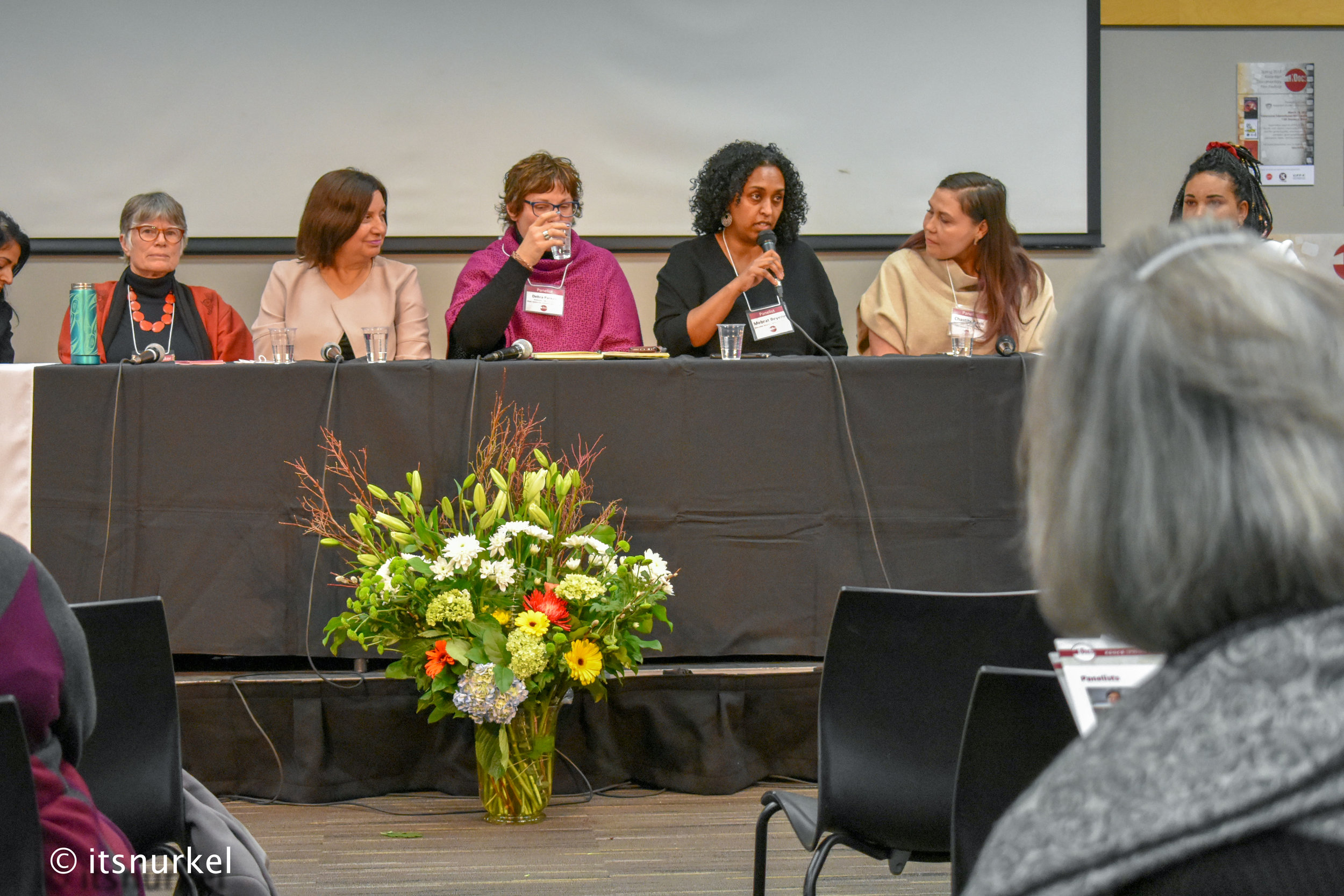
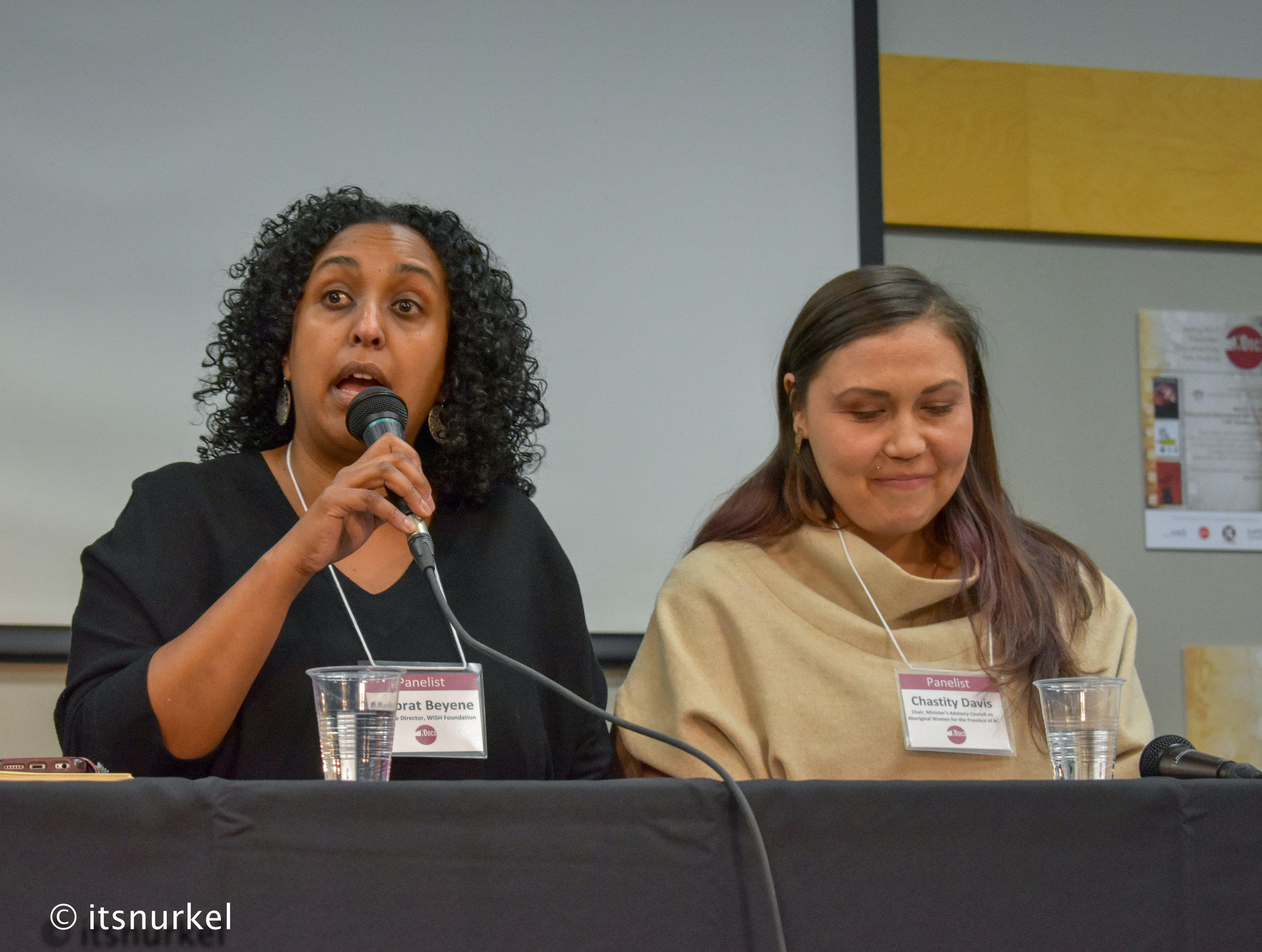
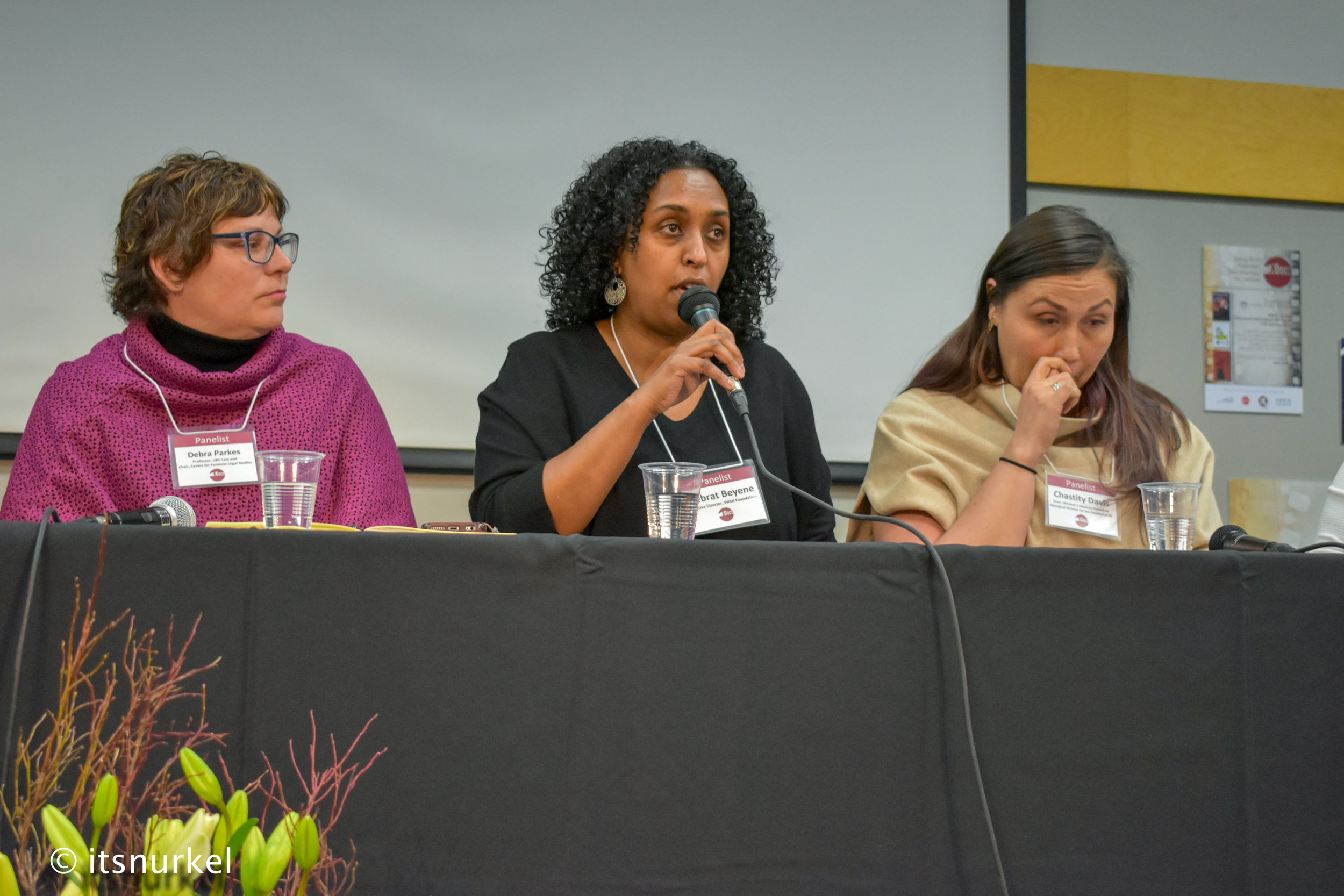
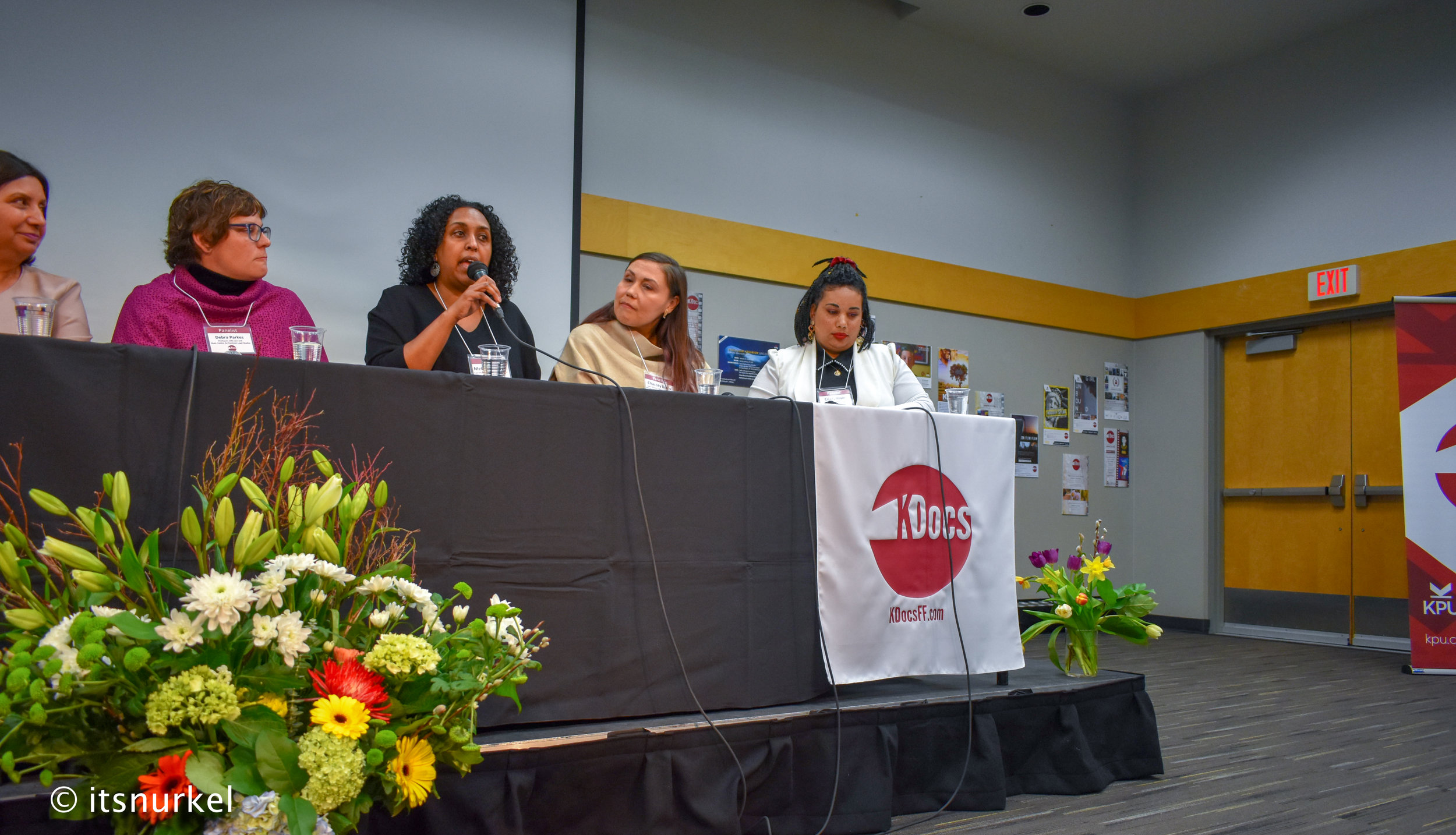
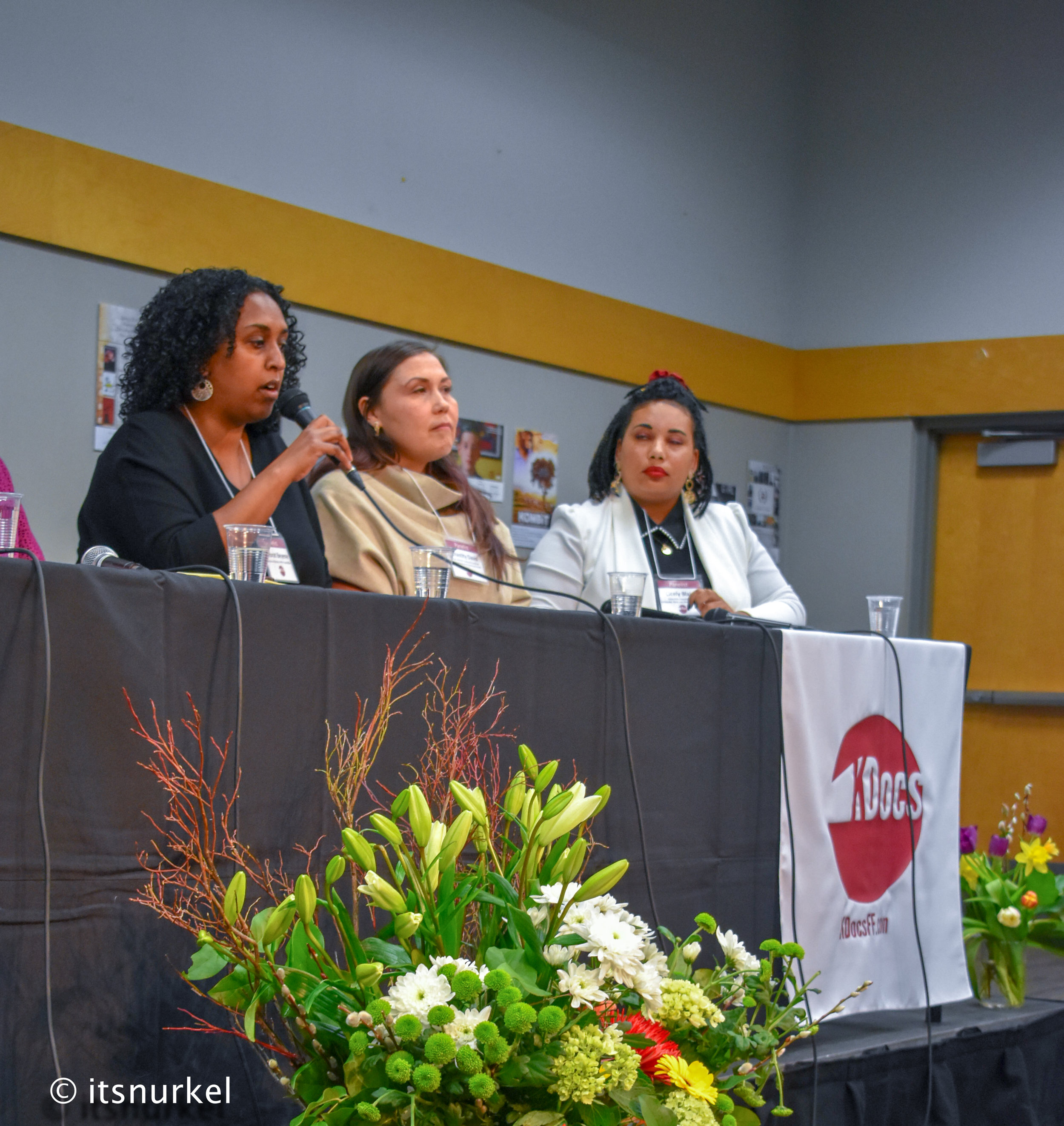
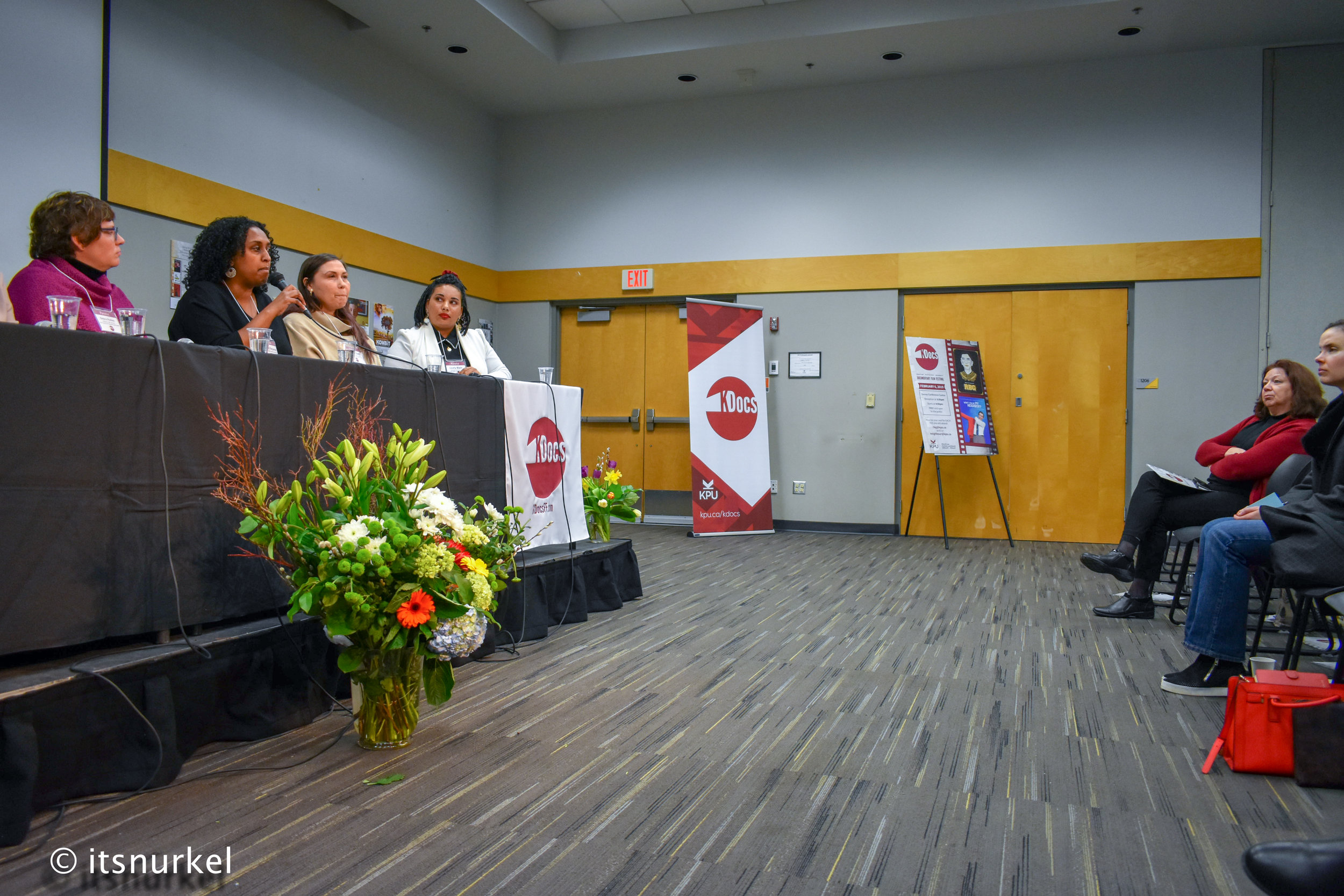
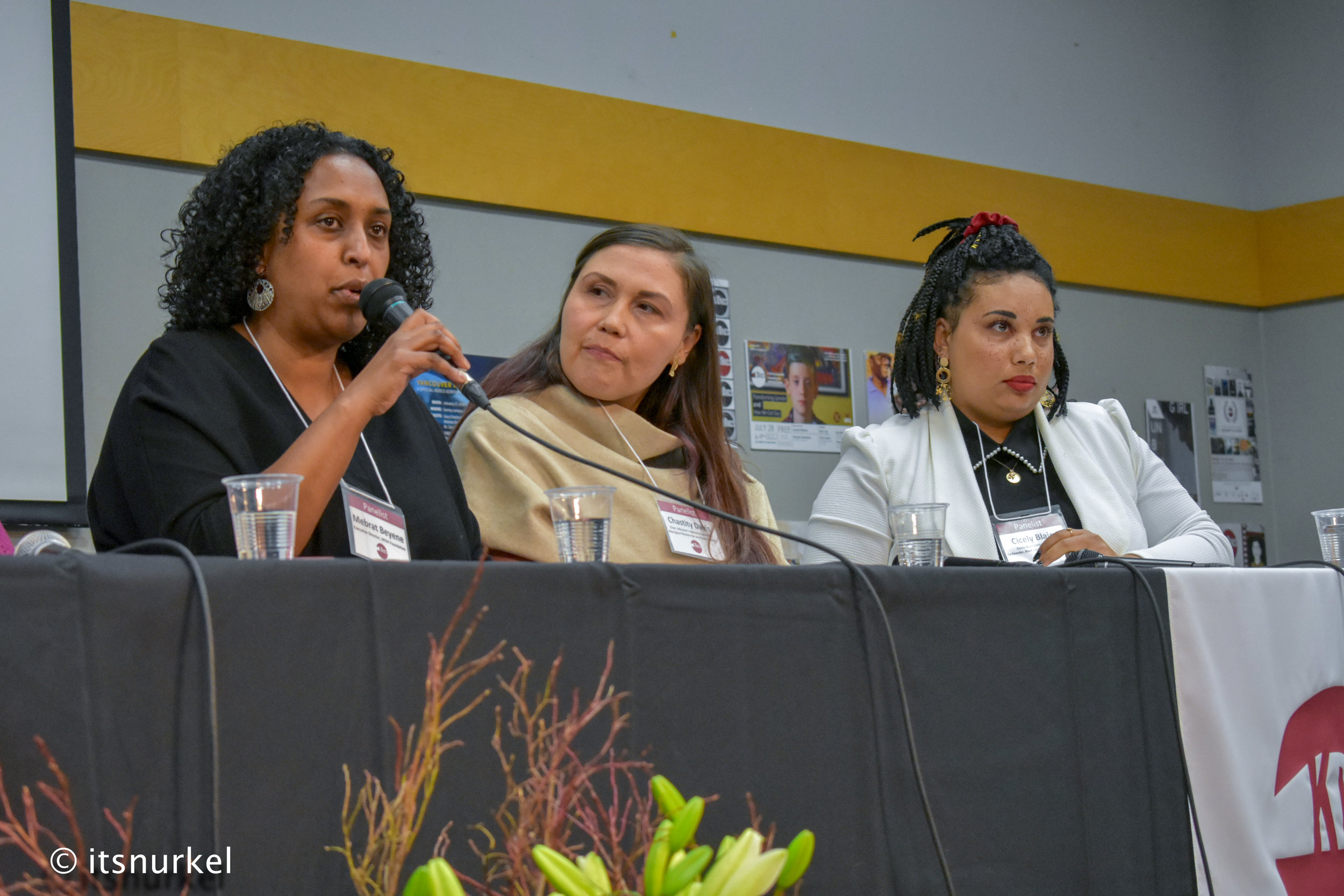
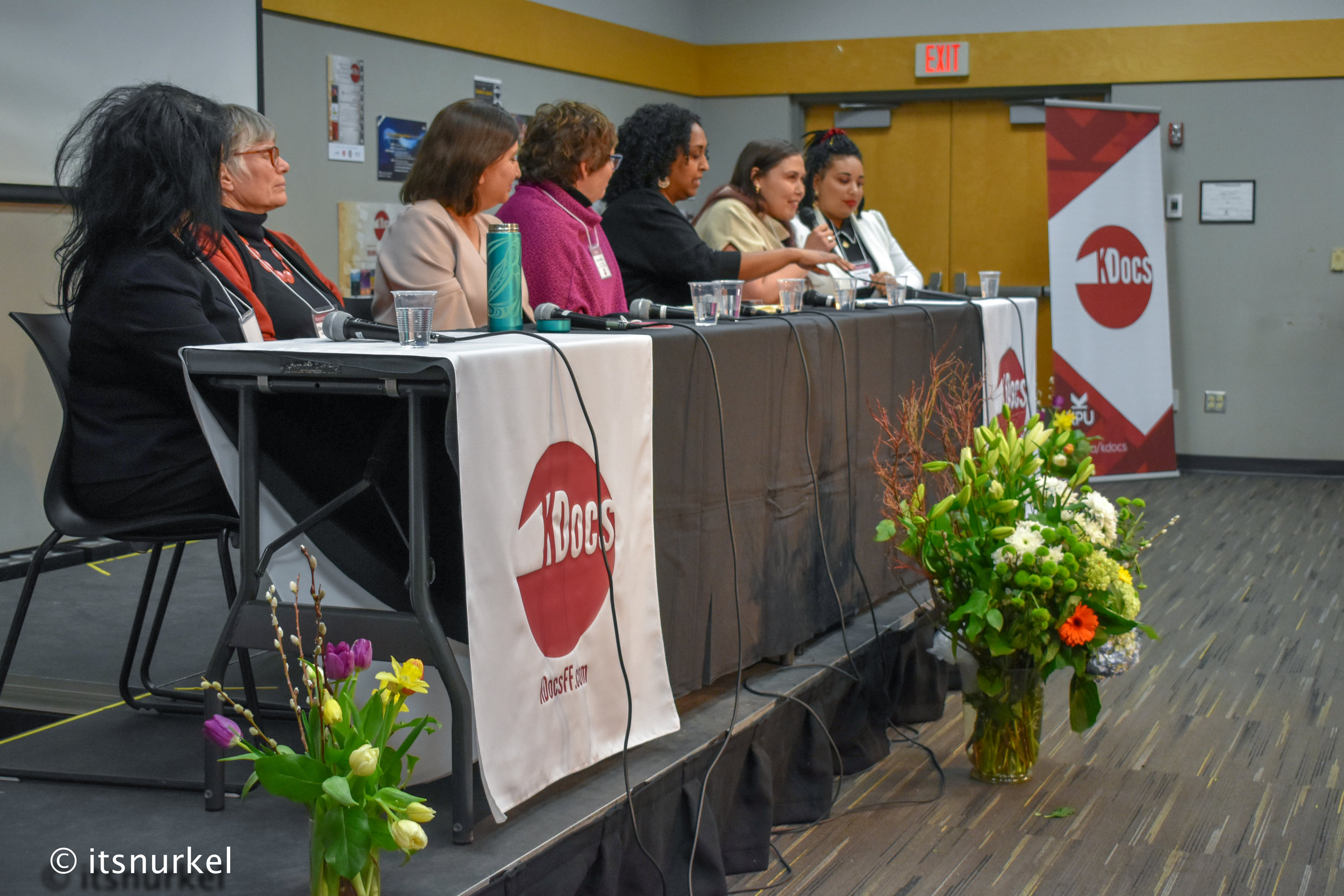
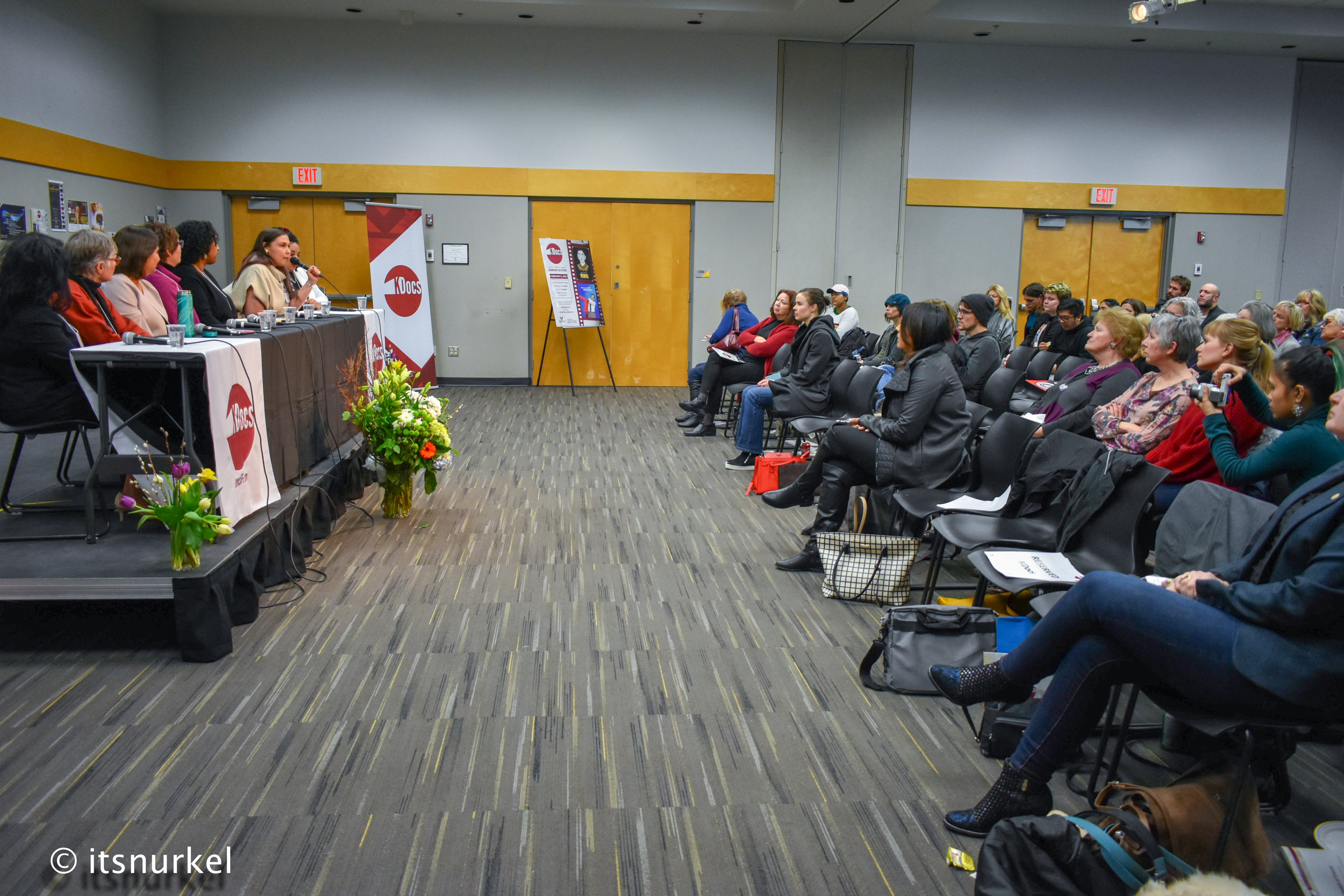
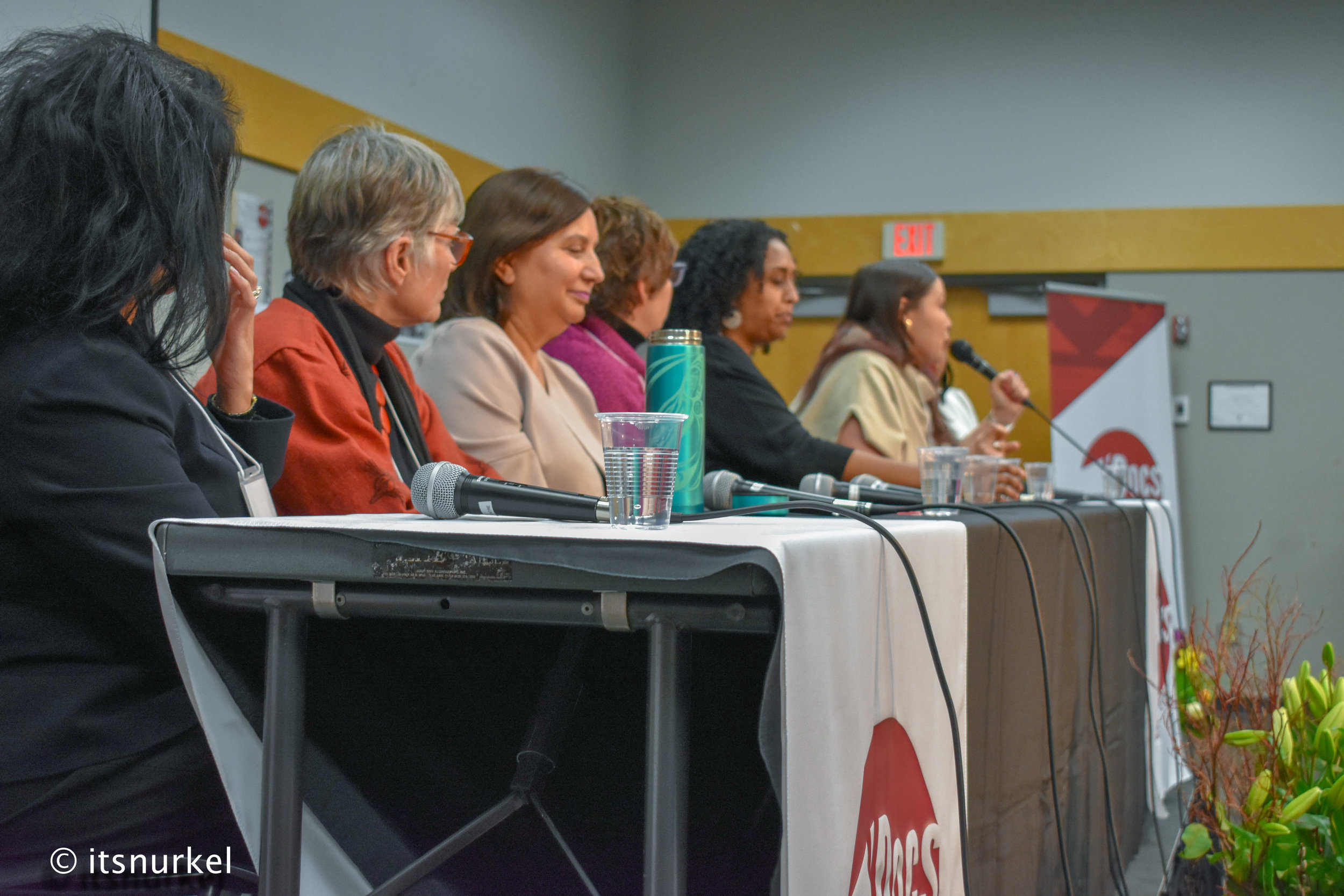
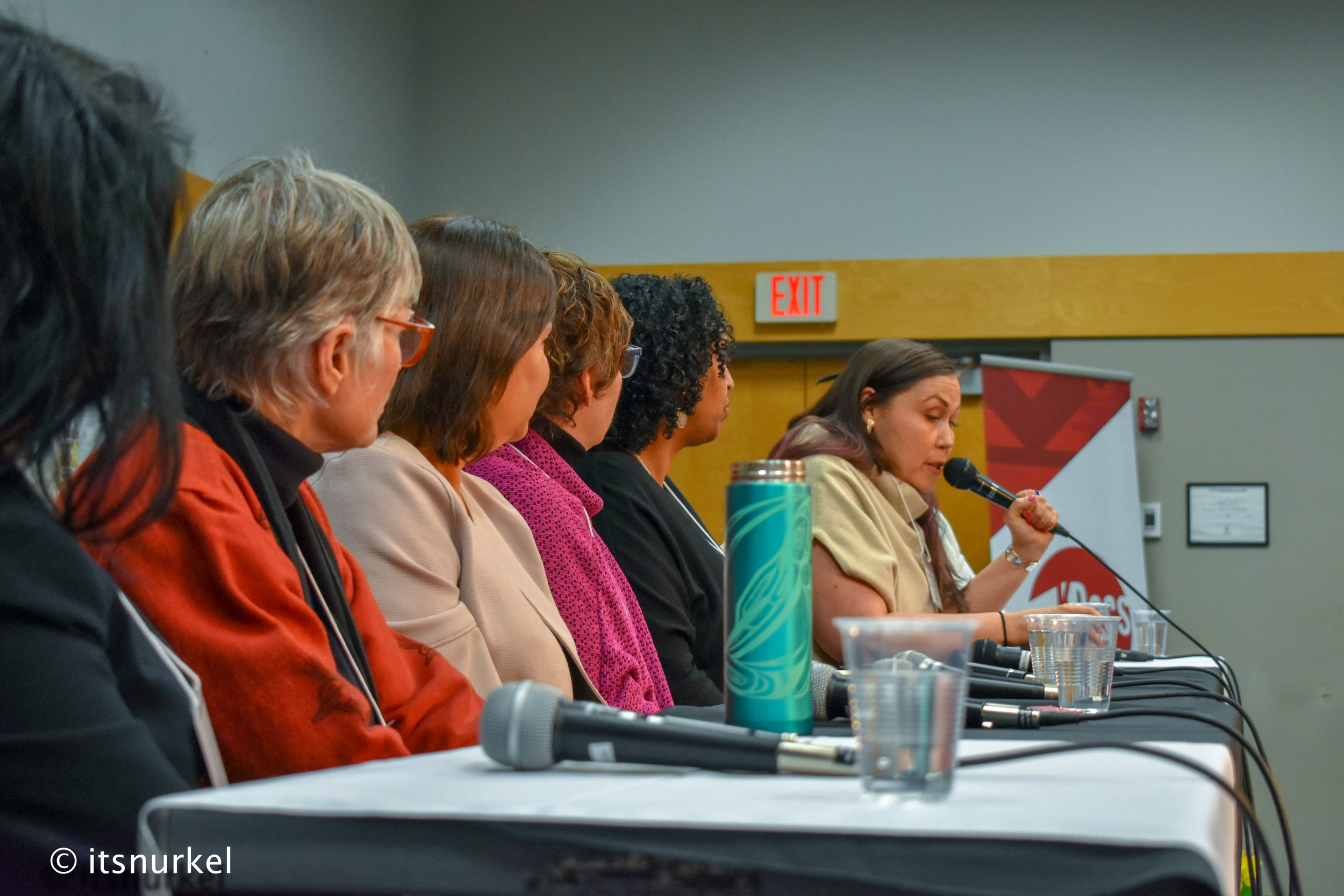
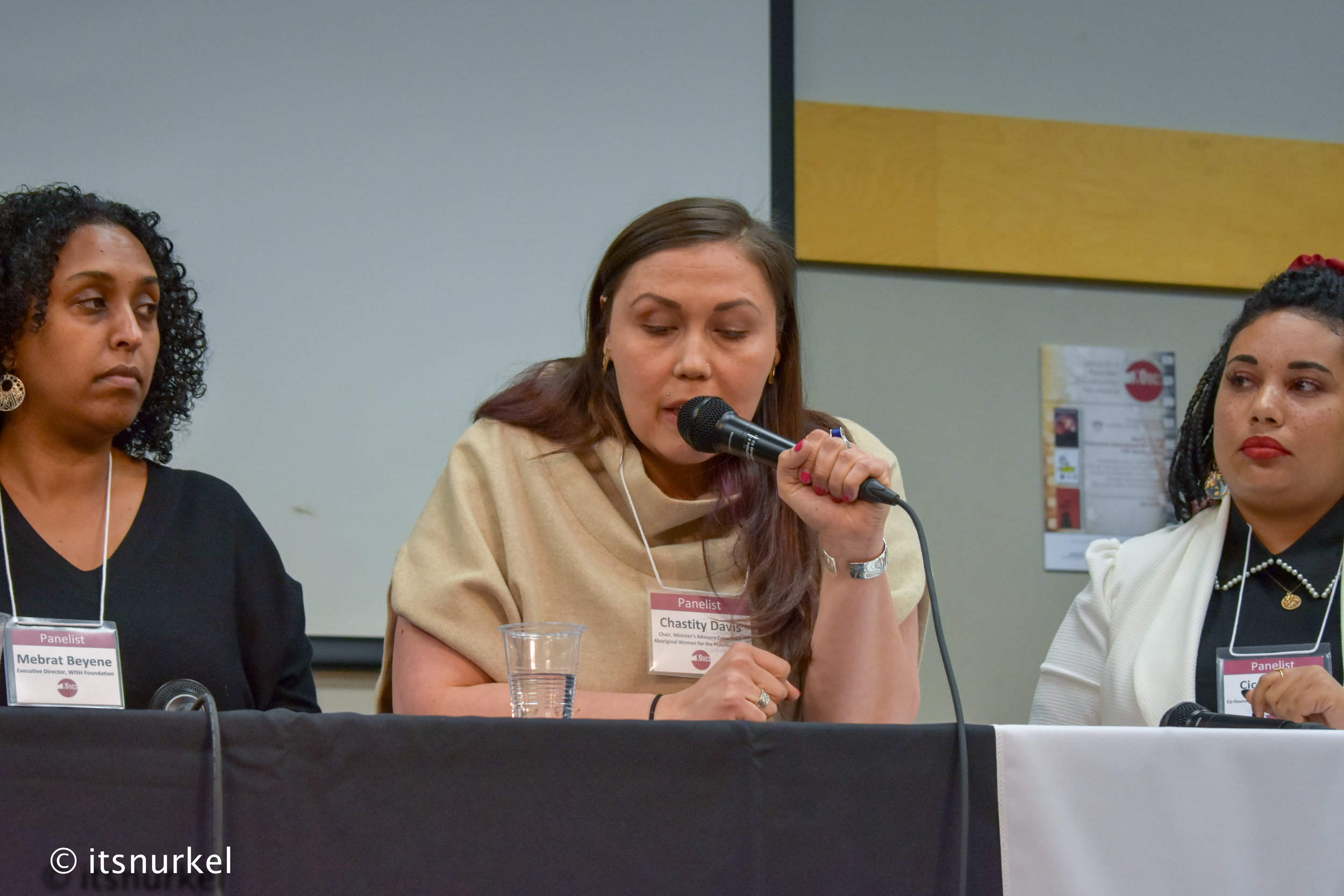
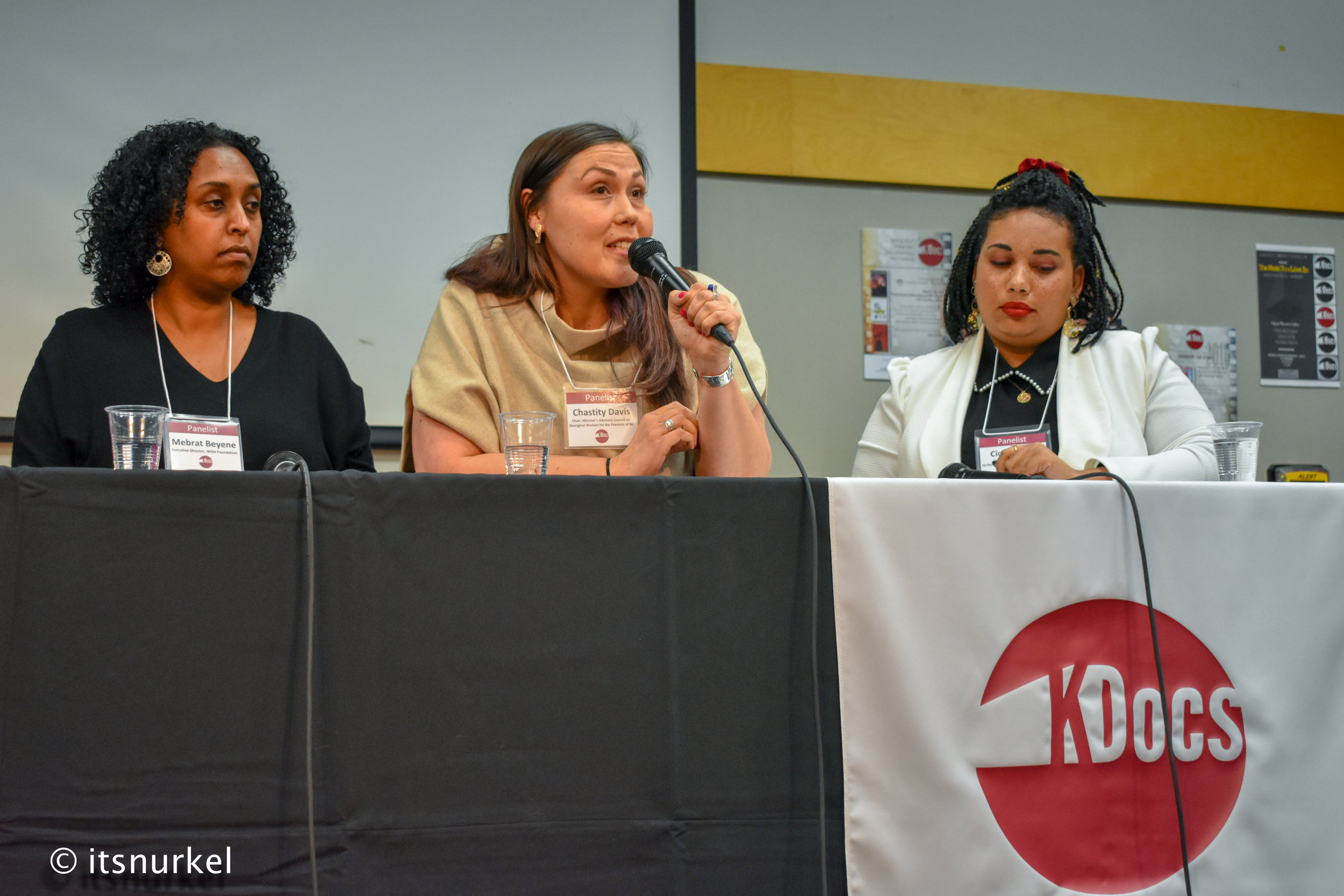
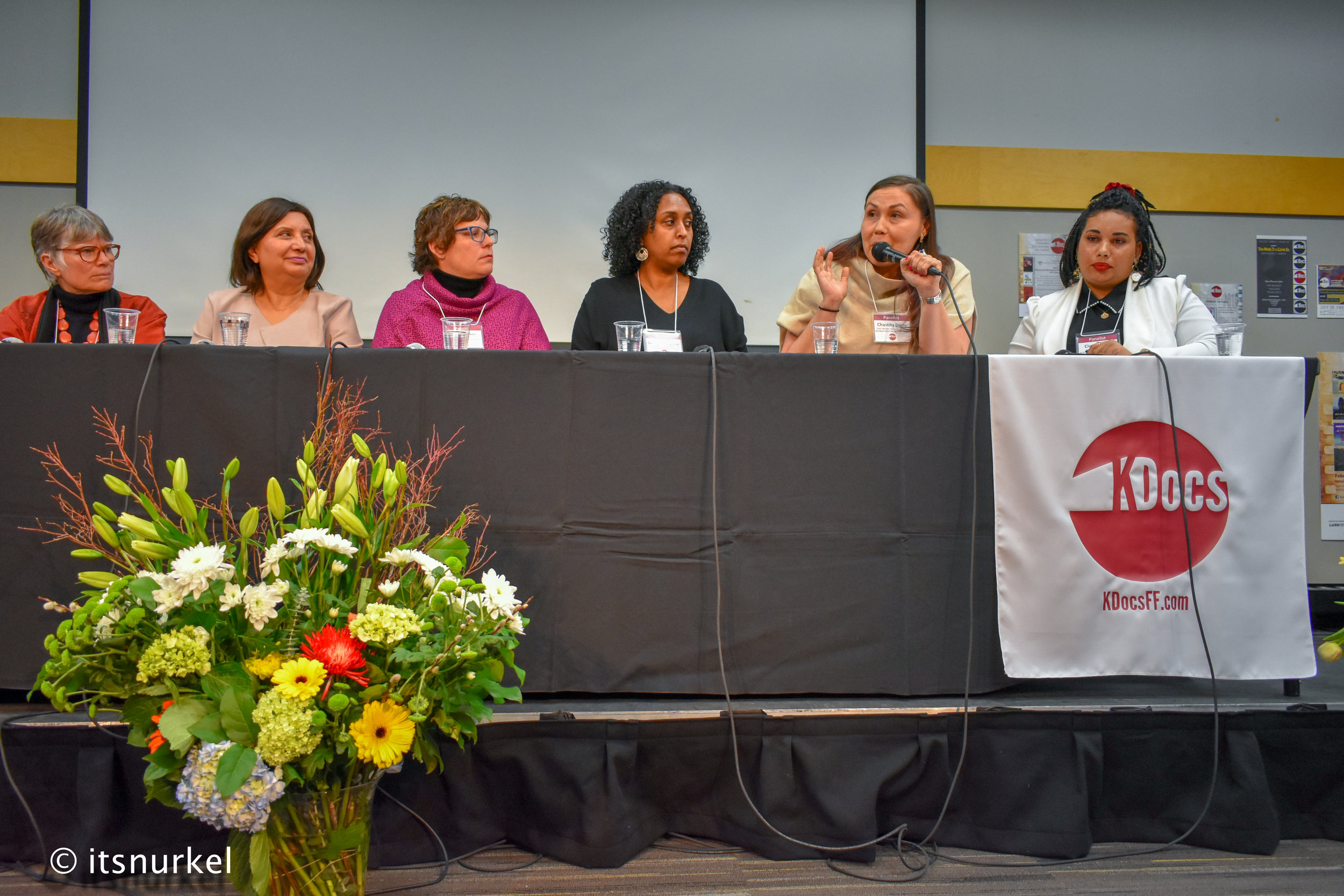
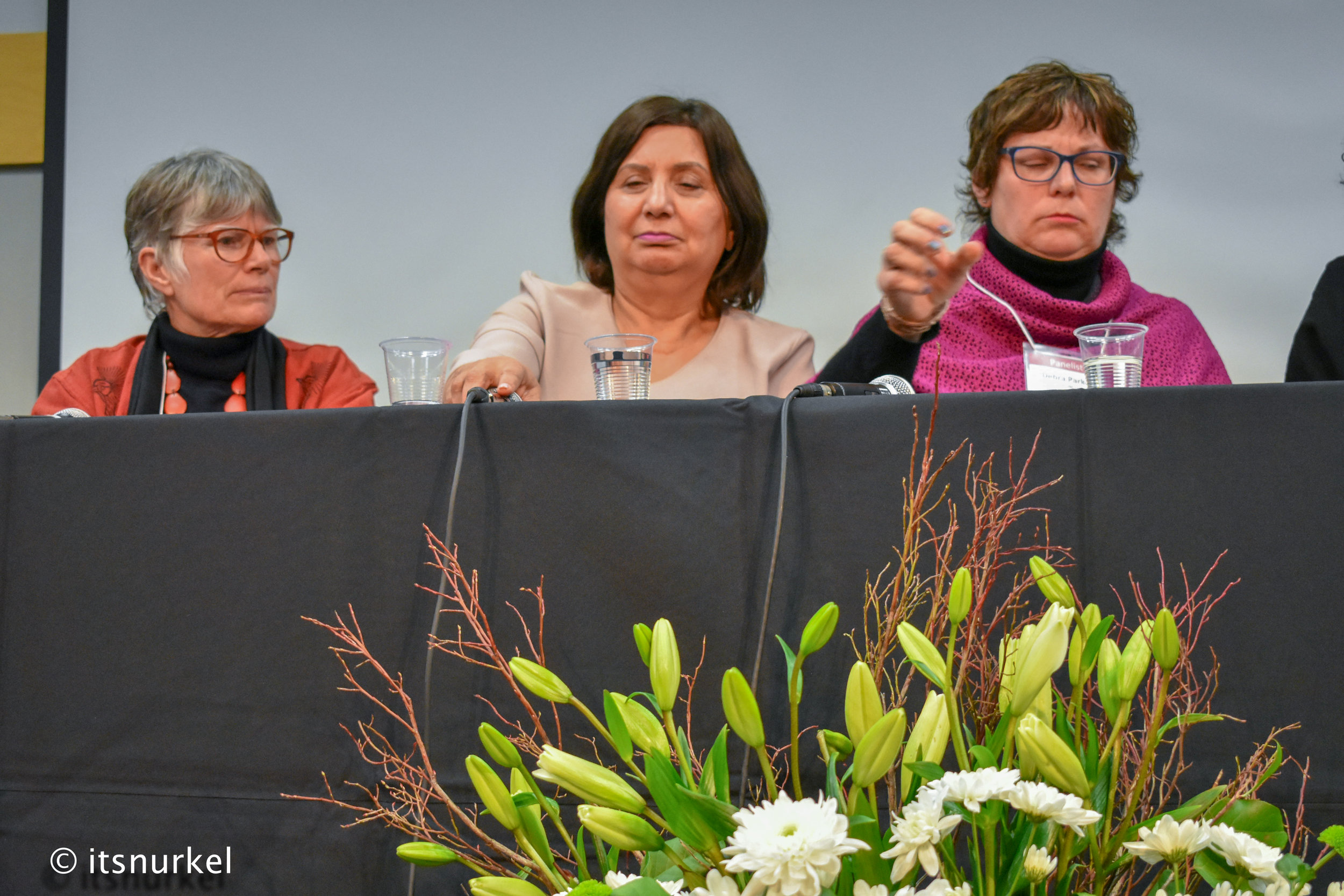
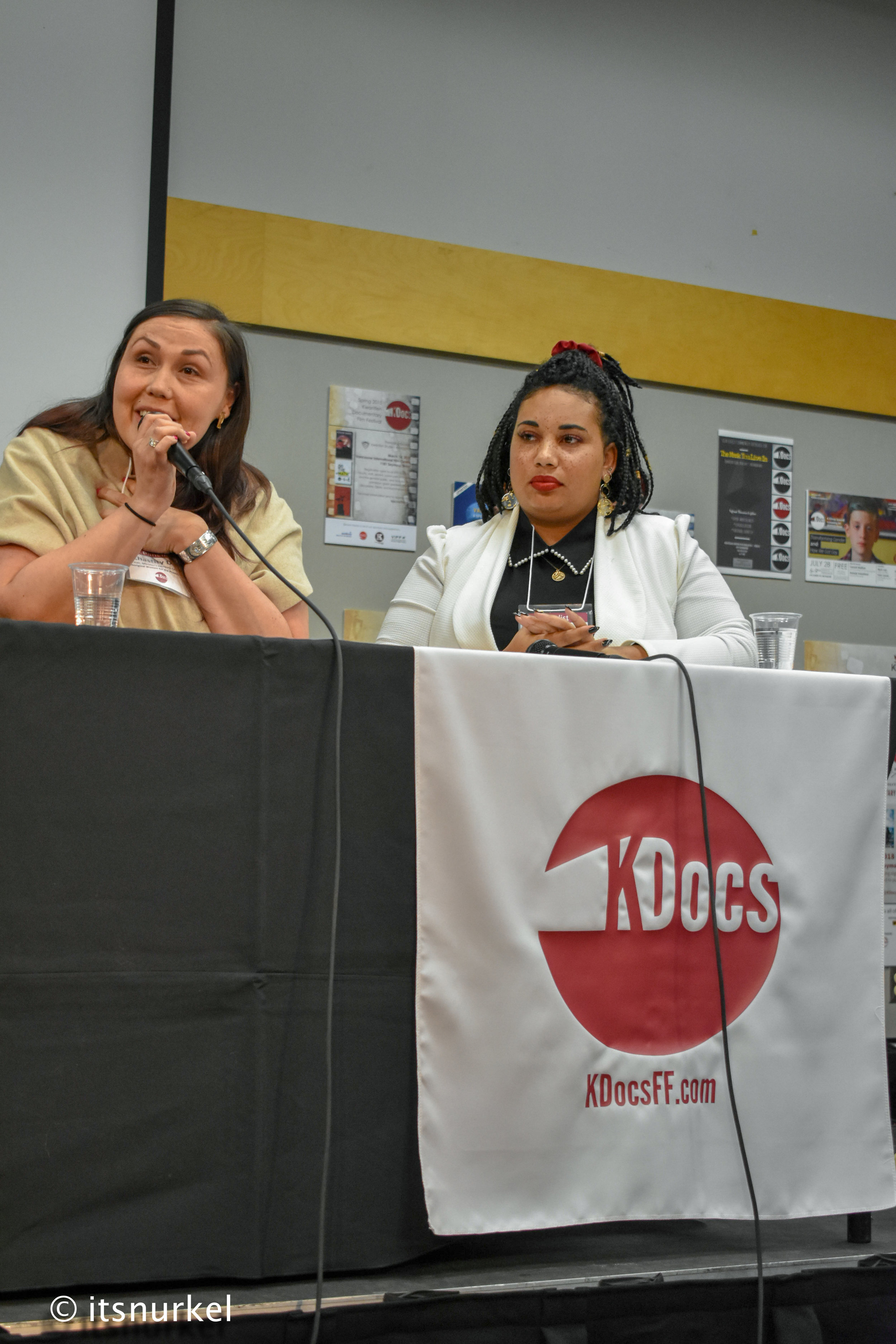
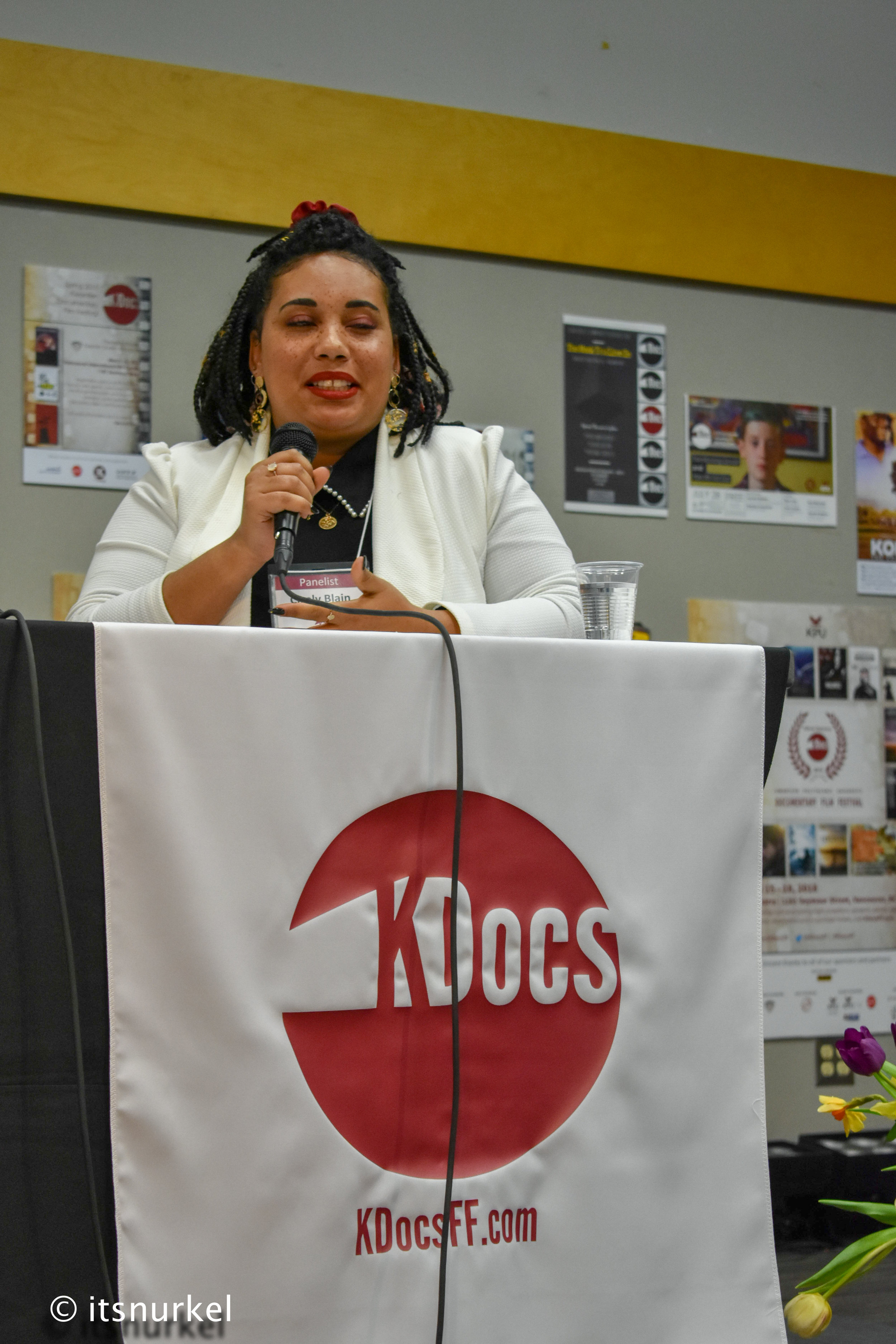
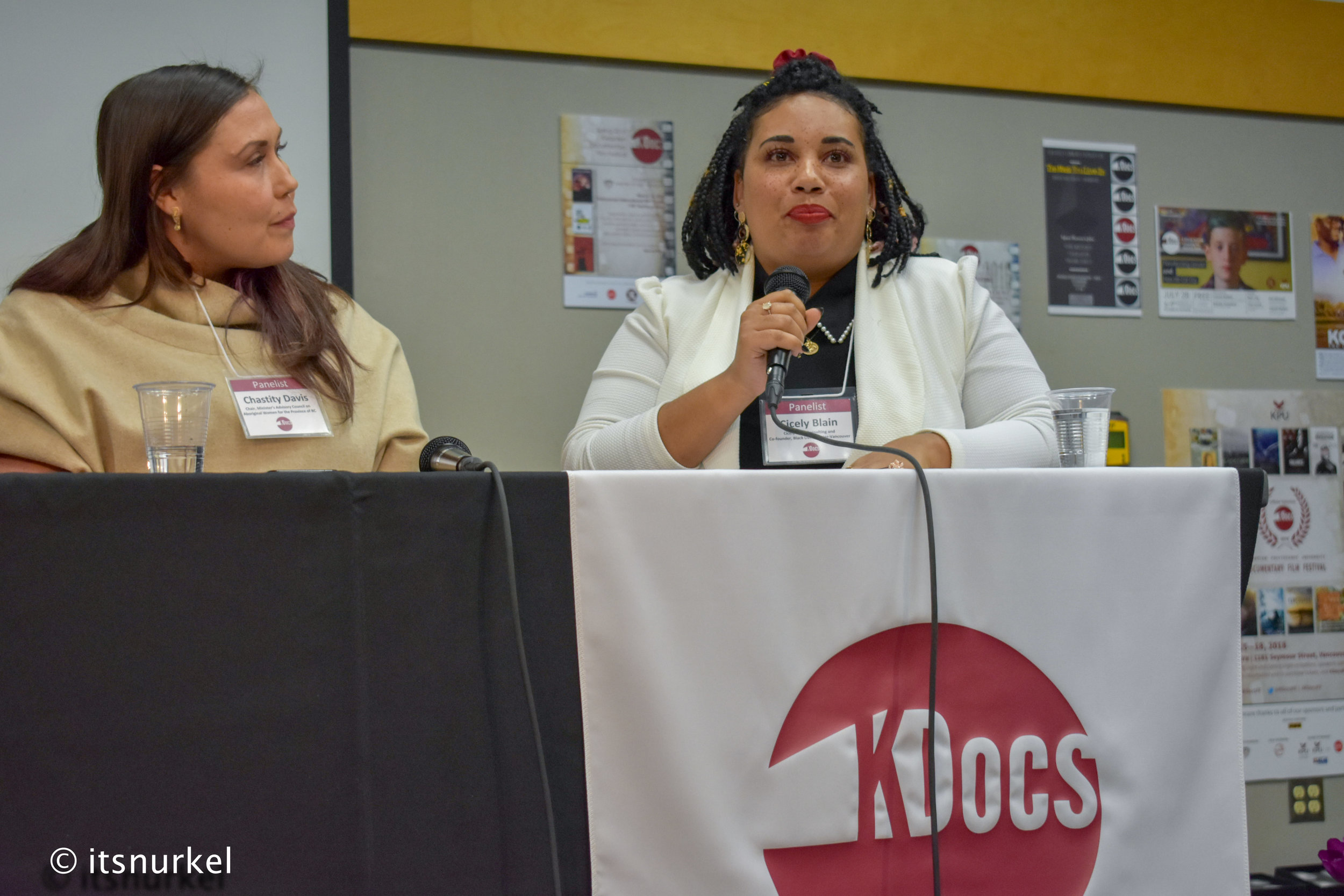
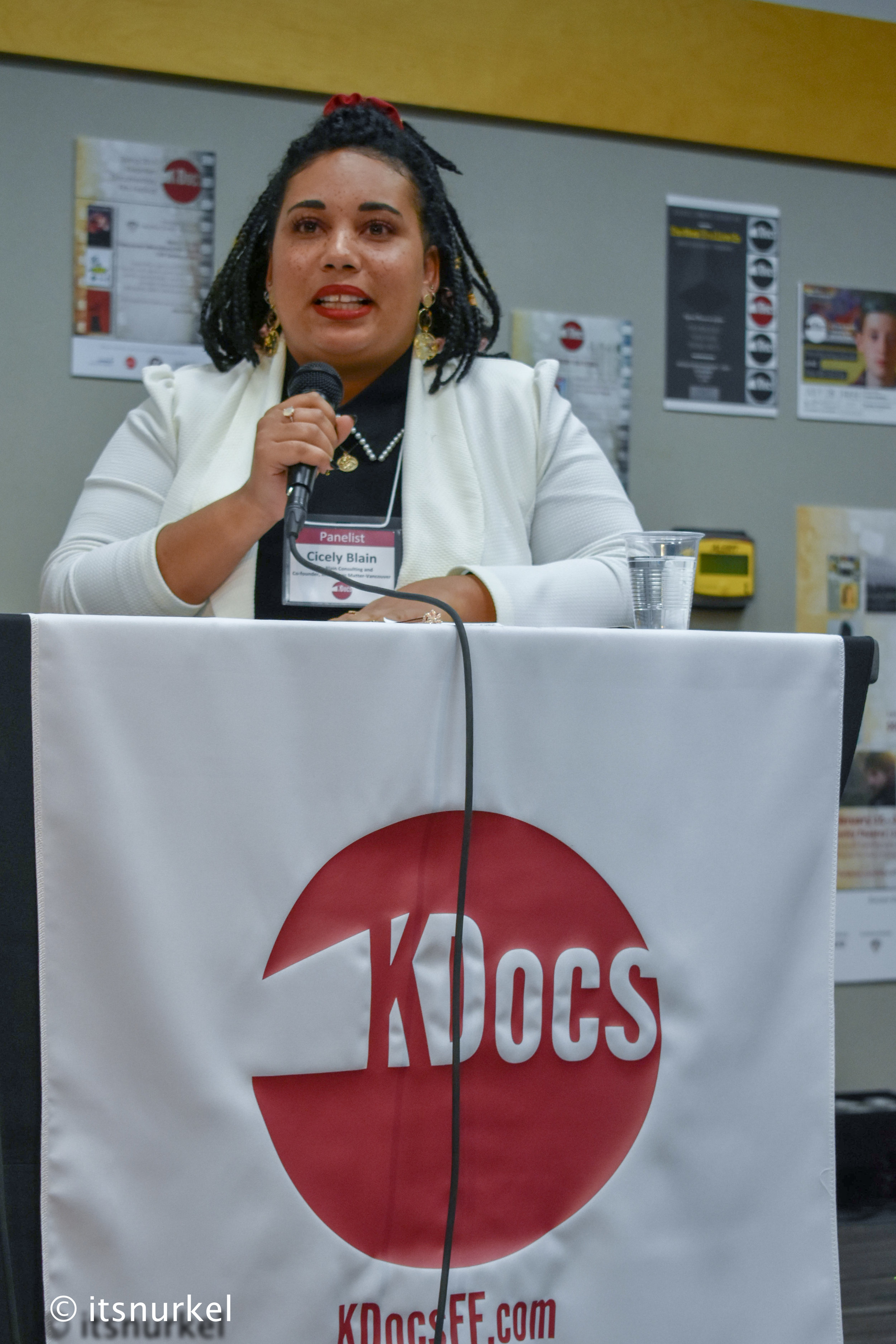
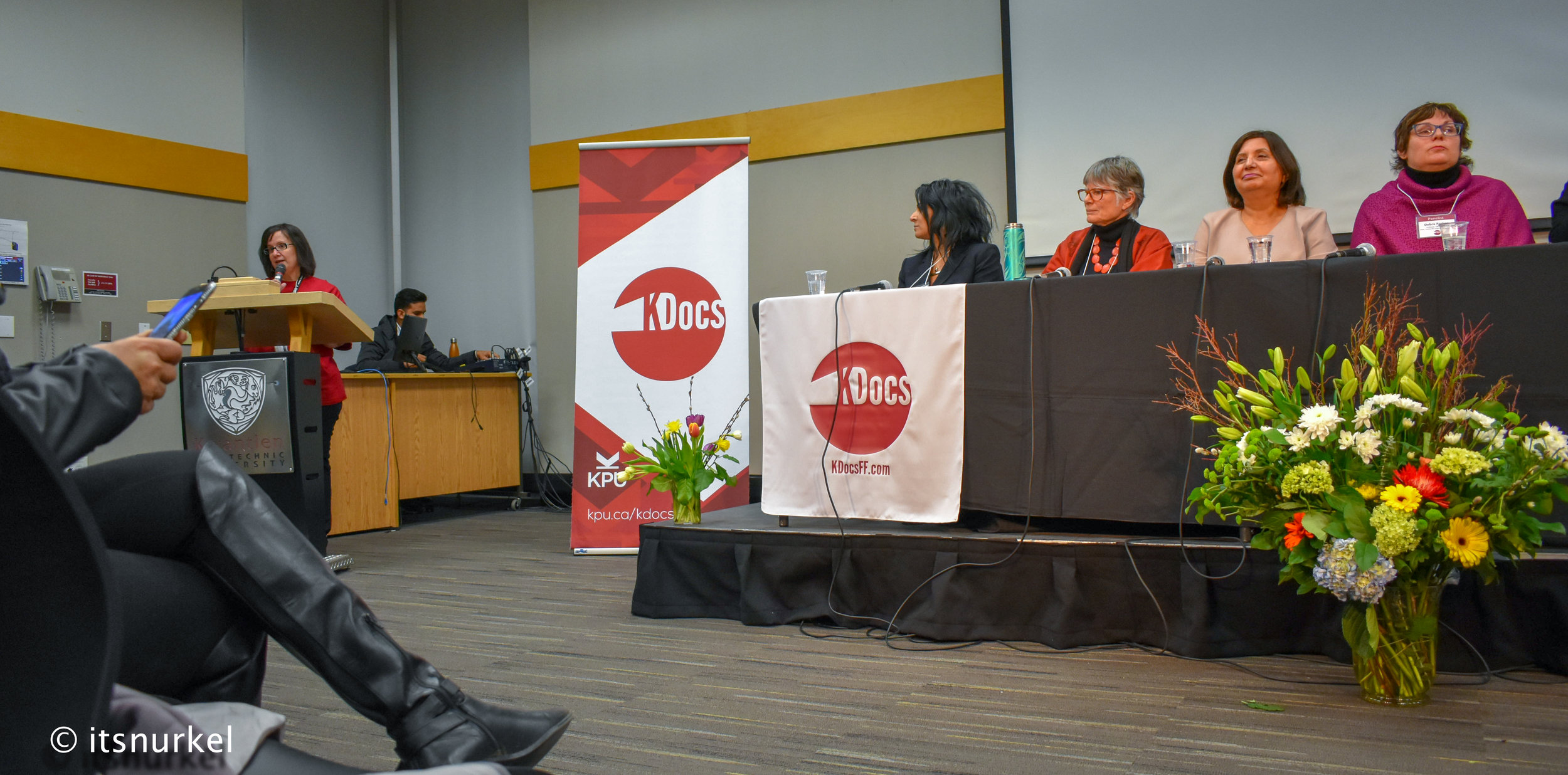
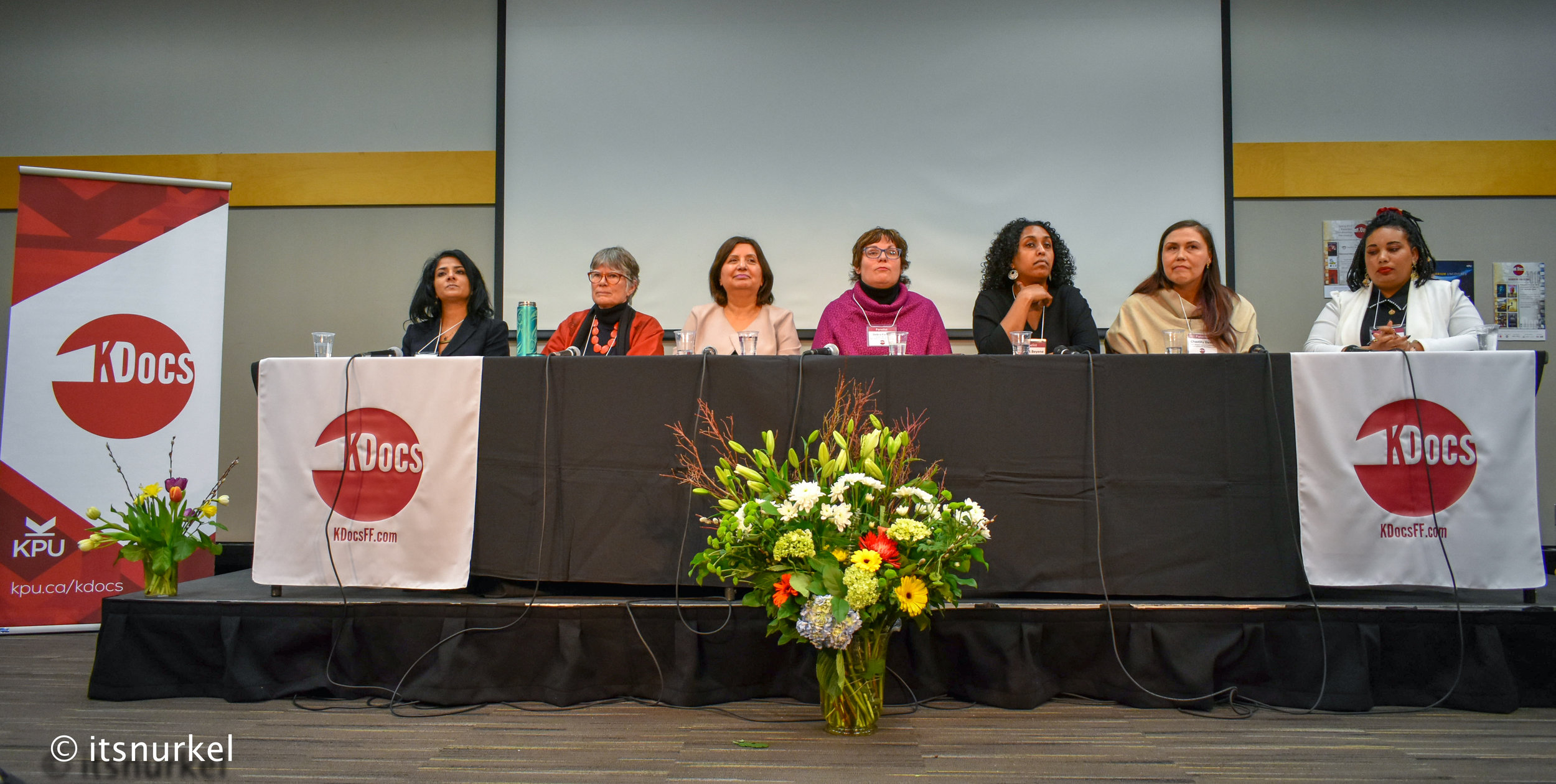
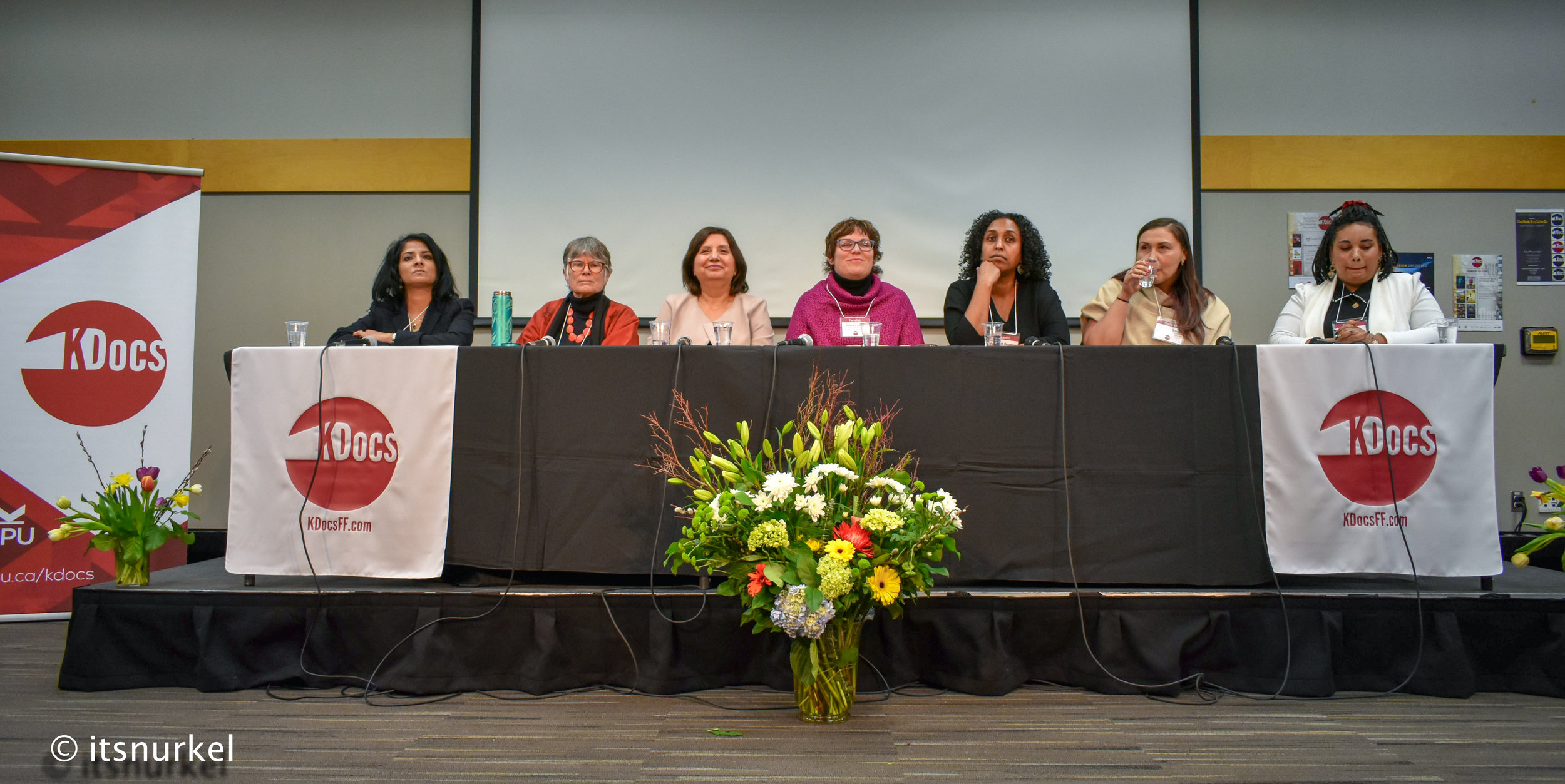
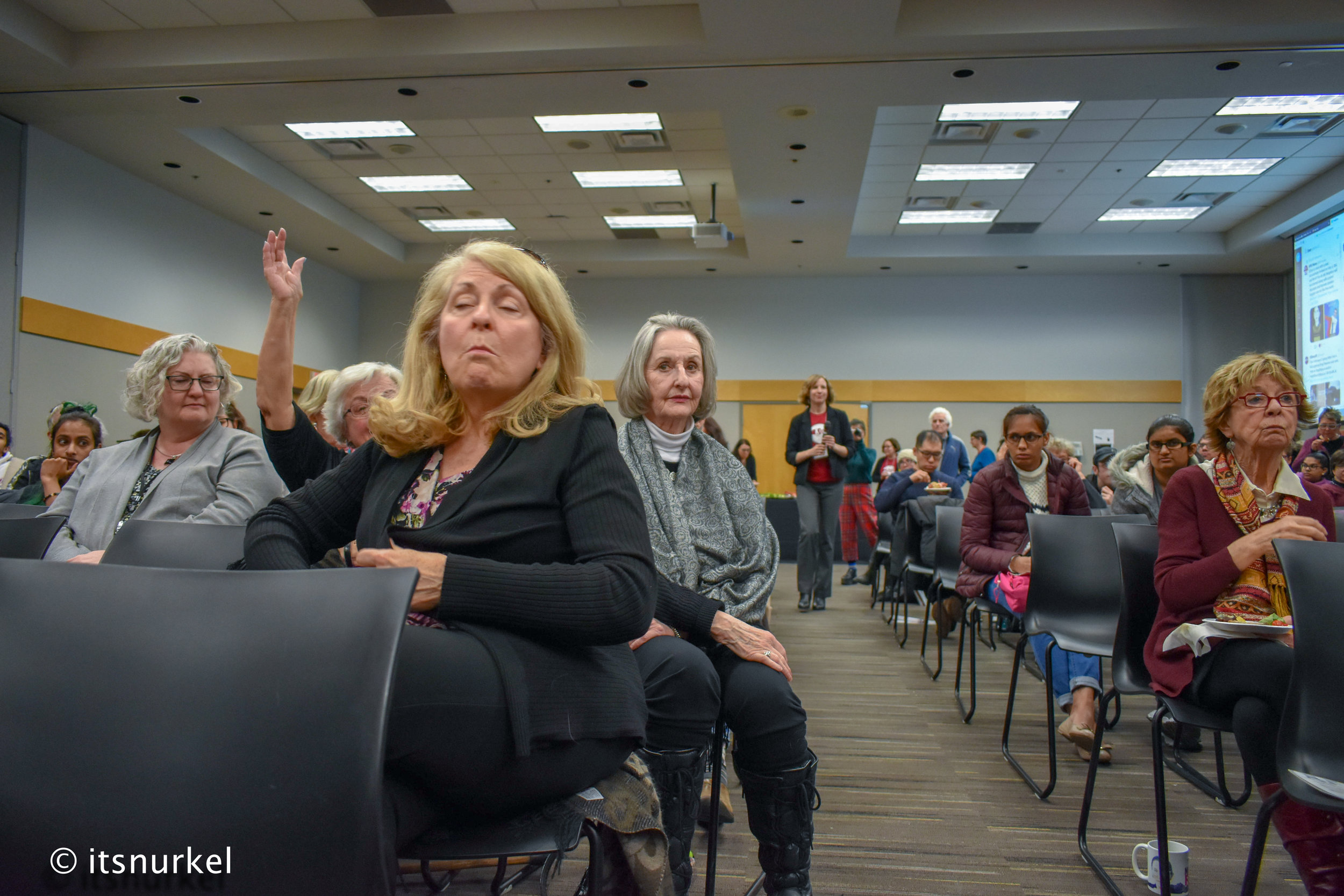
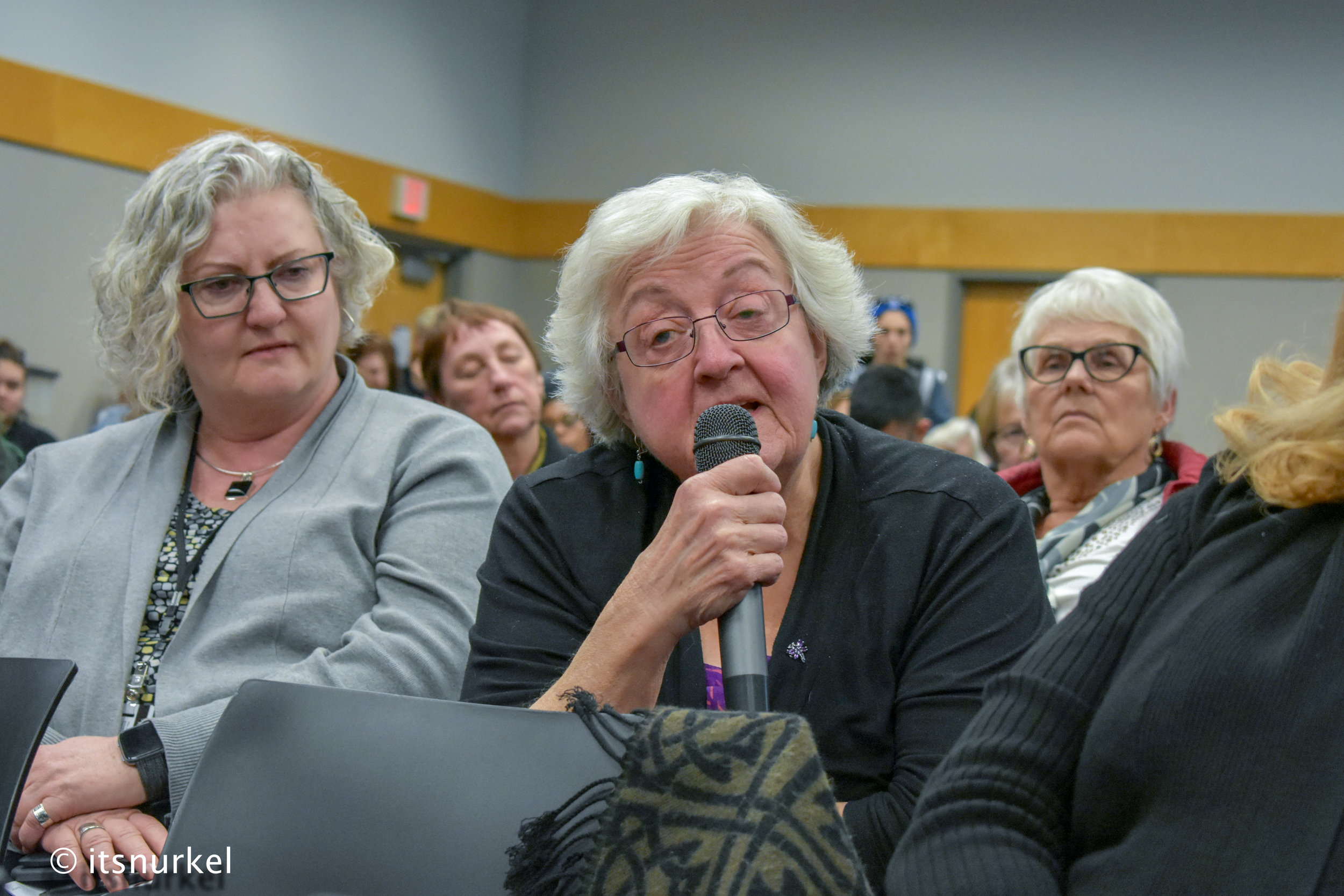
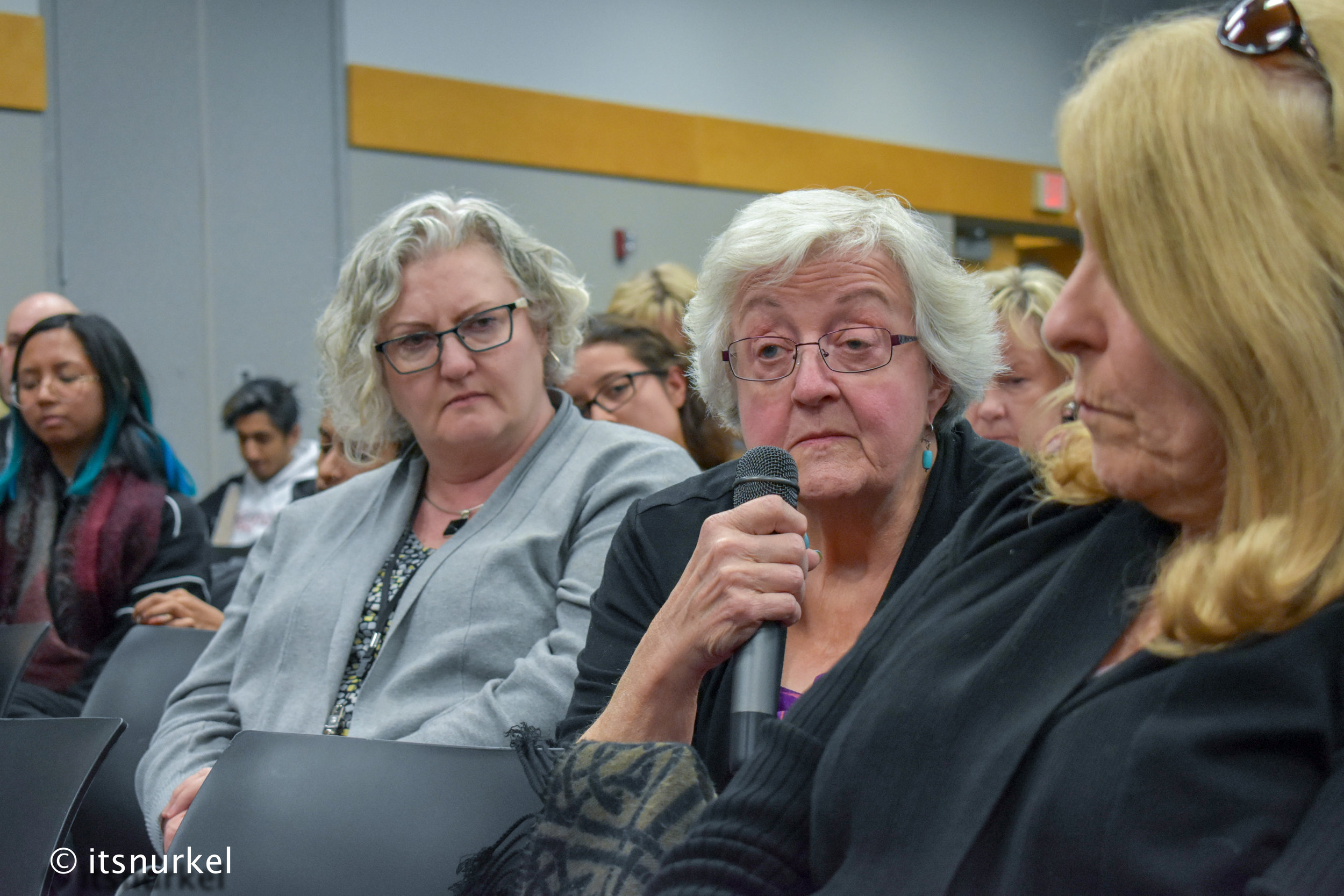
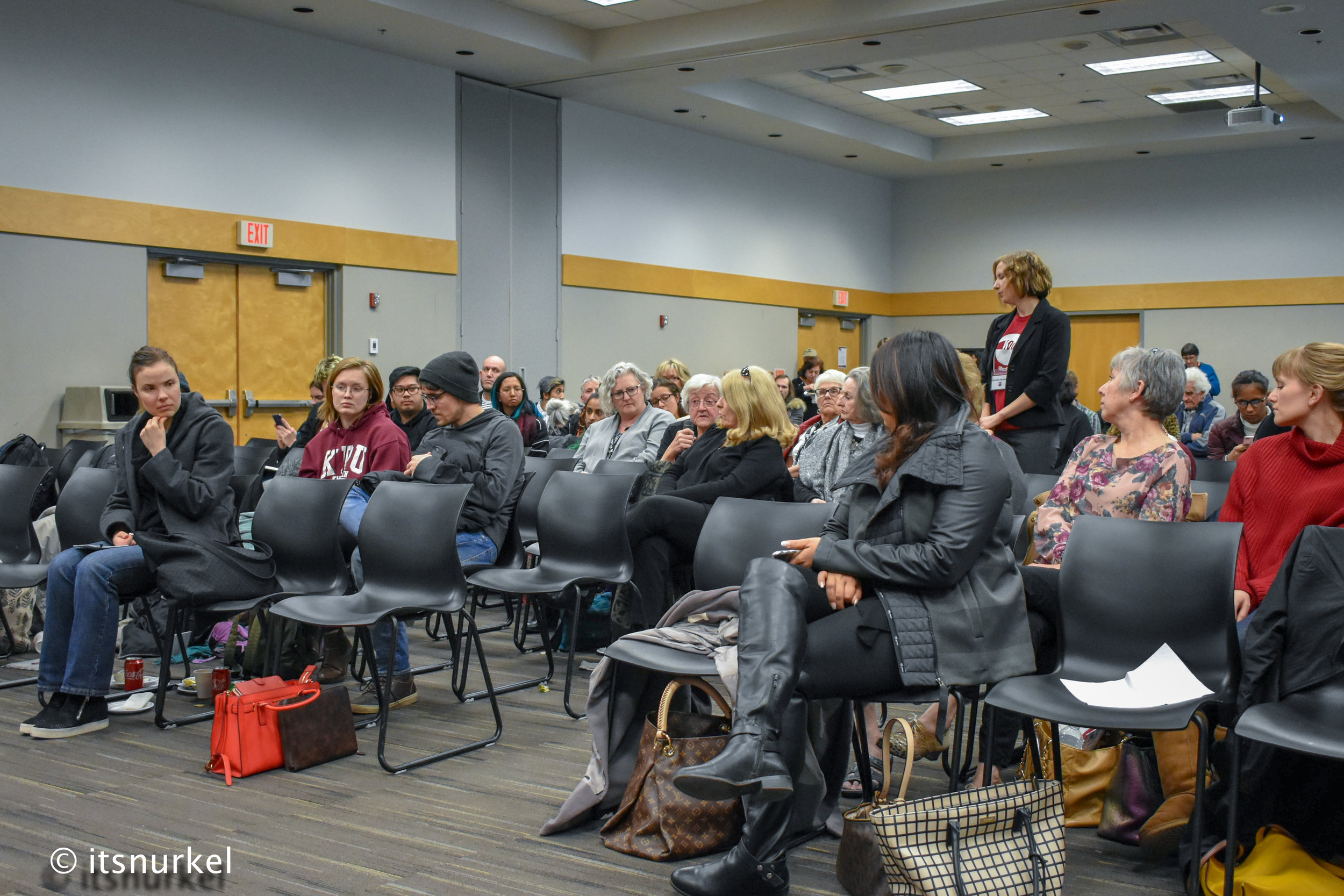
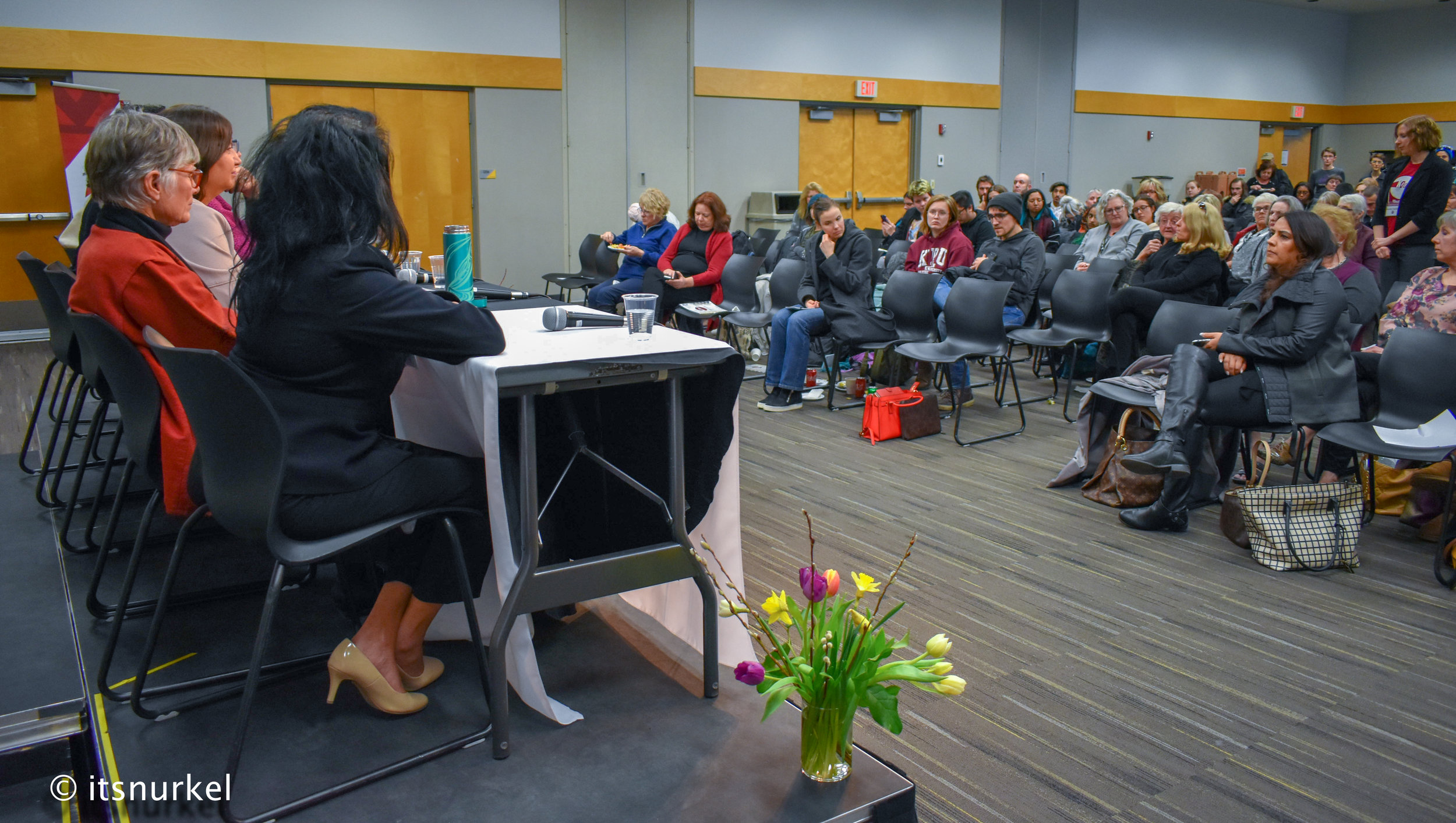
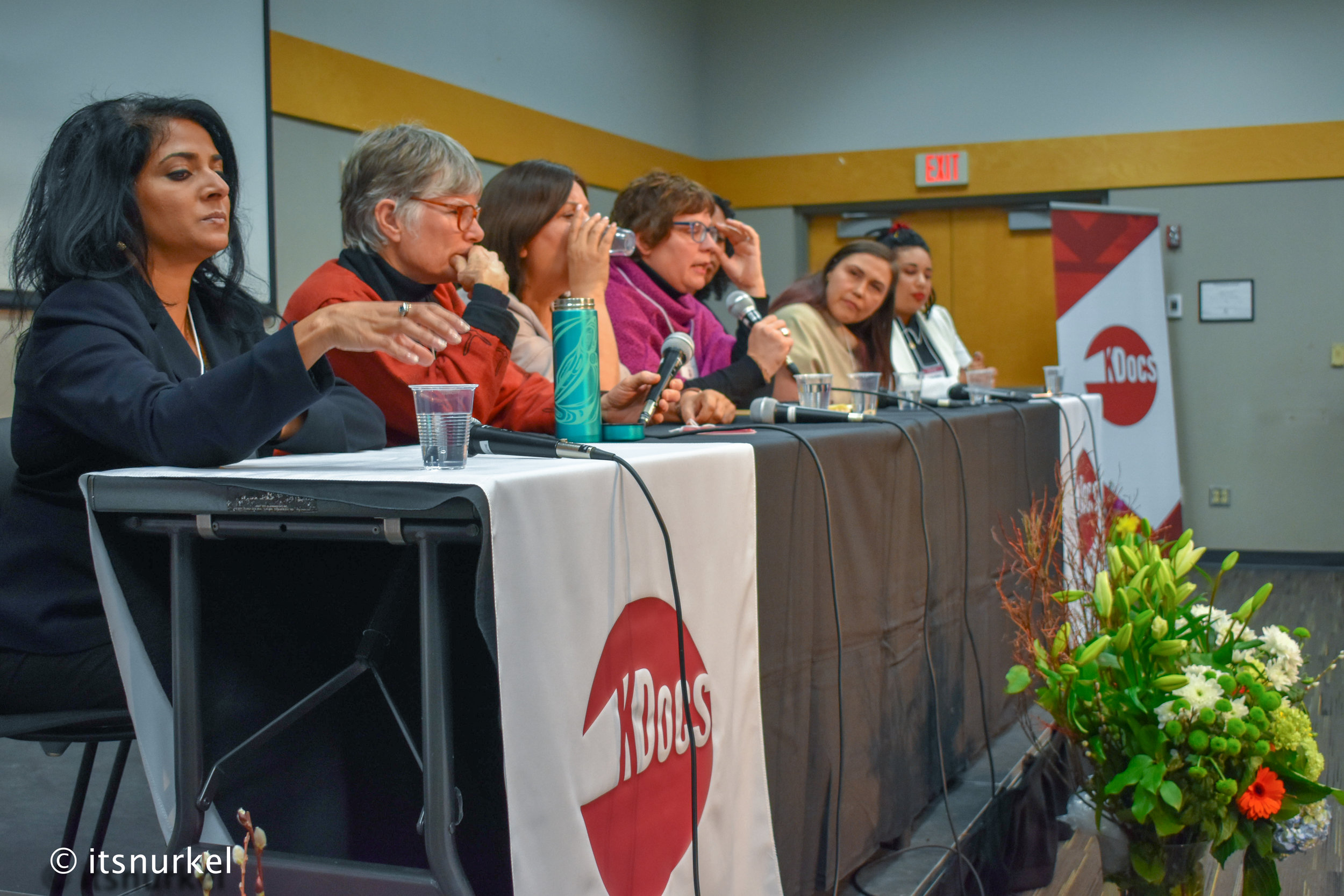
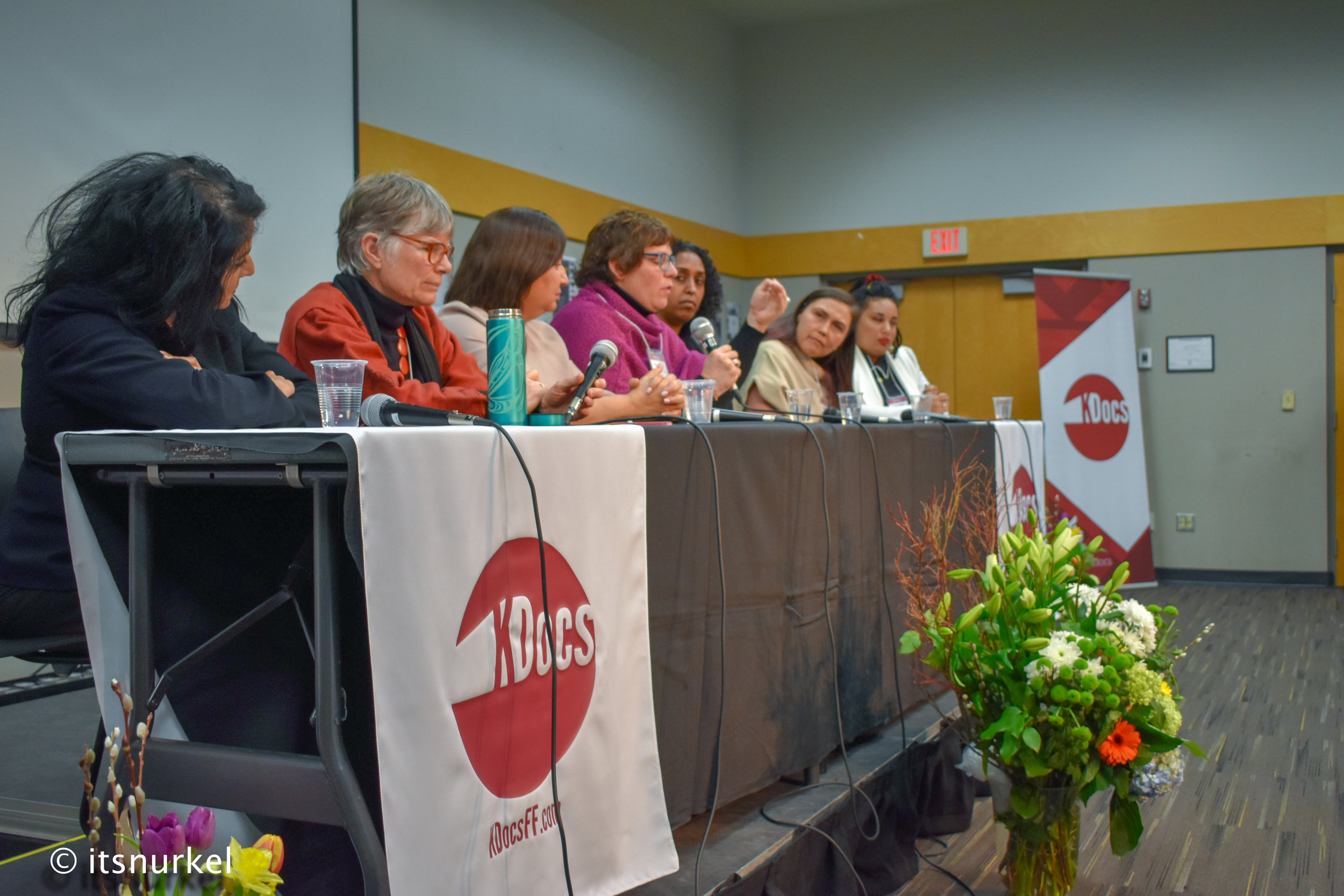
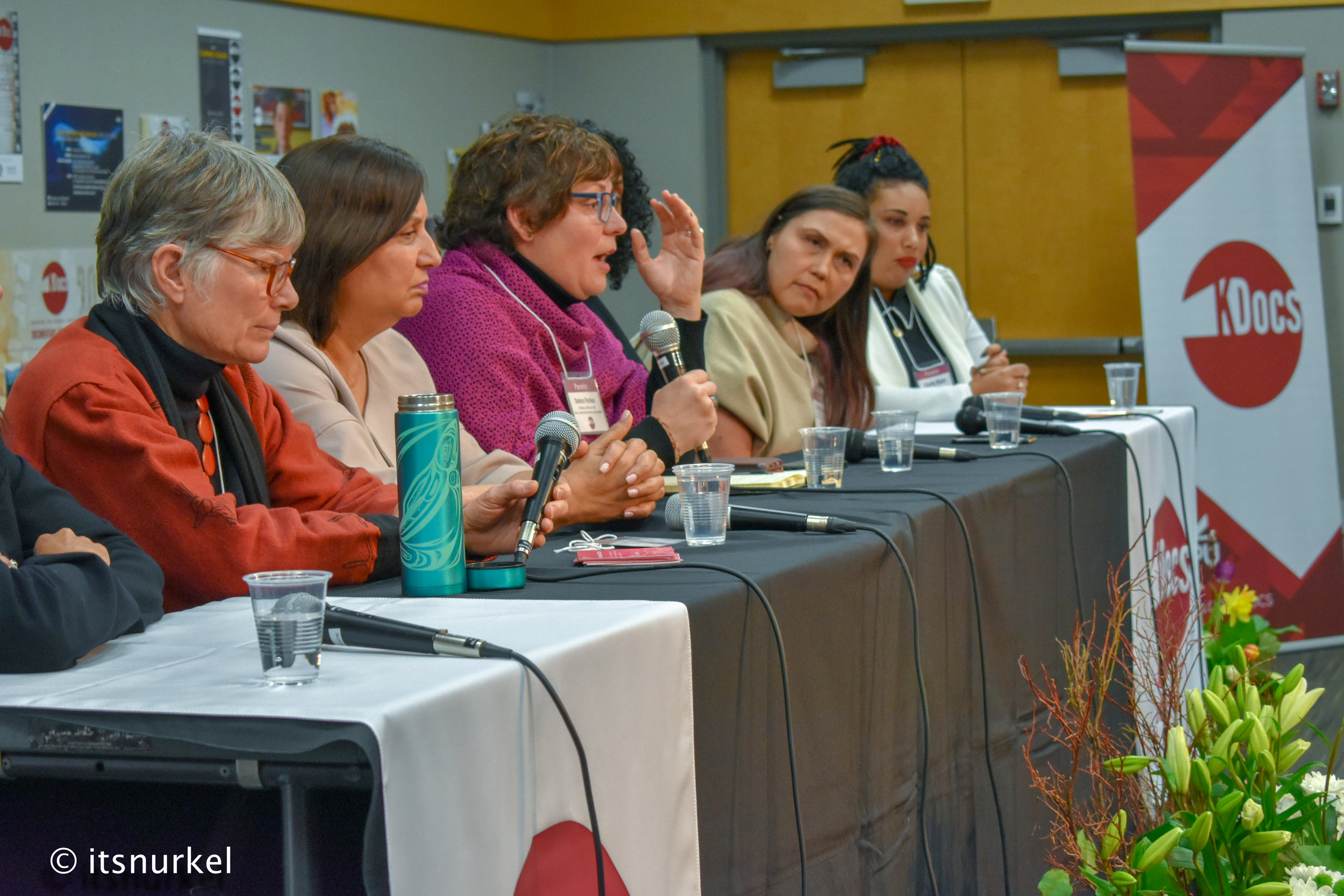
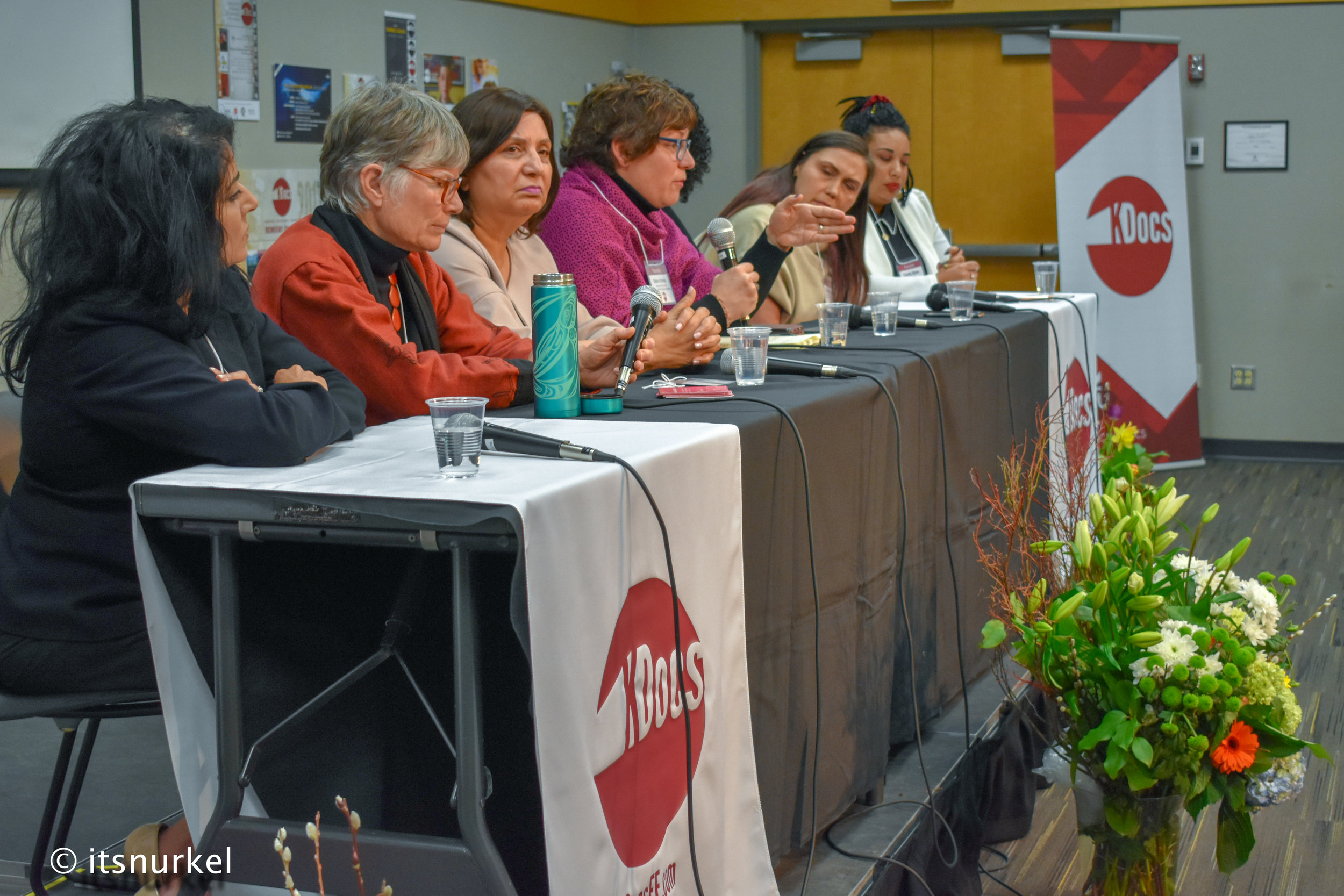
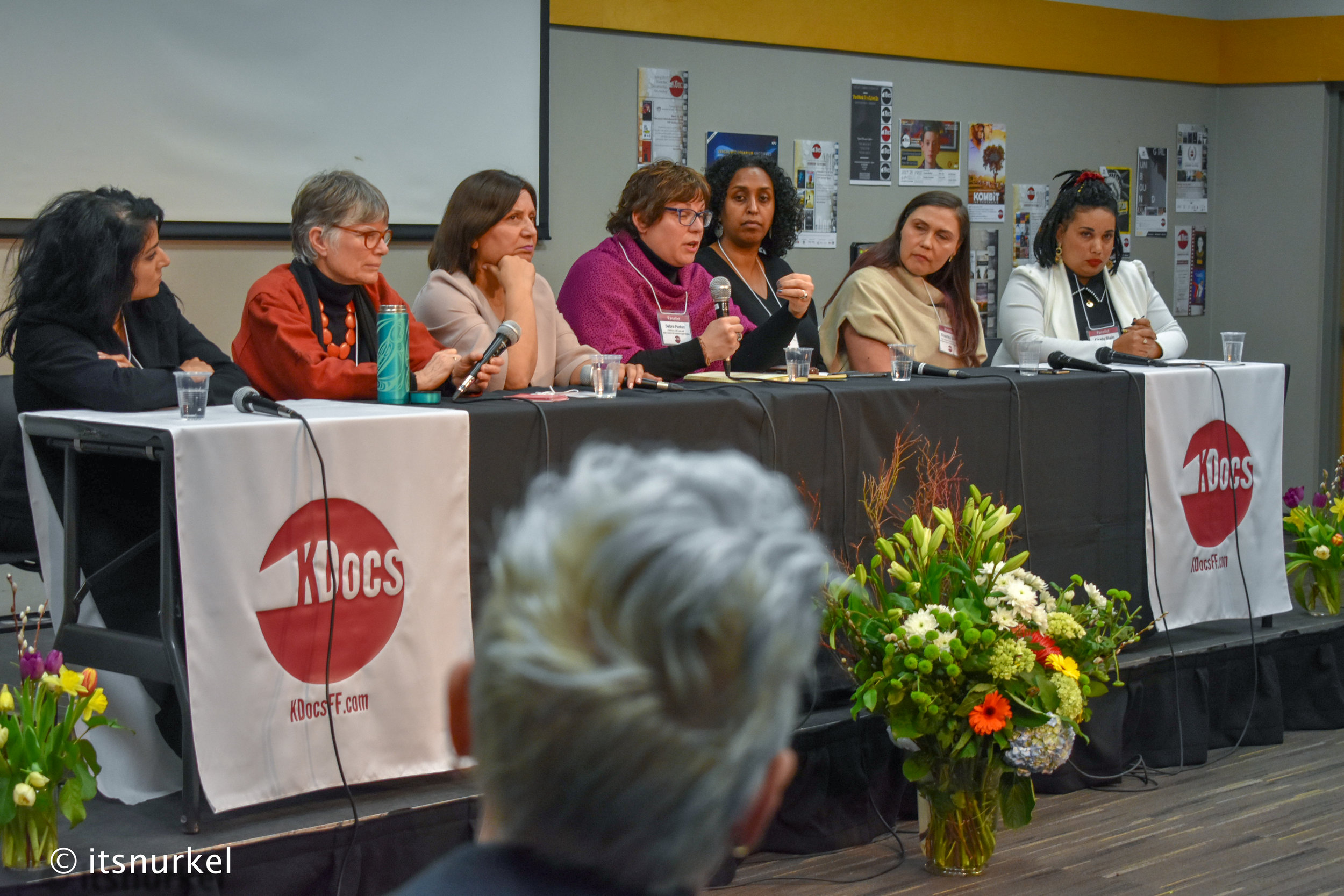
On February 6, 2019, KDocs held its 2019 Spring Mini-Fest. This double-feature showcased the award-winning documentaries RBG and Won’t You Be My Neighbour? Our special guest and Keynote Speaker for the evening was Ellen Woodsworth, and panelists also included Mebrat Beyene (Executive Director, WISH Drop-In Centre Society), Cicely Blain (Co-founder, Black Lives Matter-Vancouver),Chastity Davis (Chair, Minister’s Advisory Council on Aboriginal Women for the Province of British Columbia), Anita Huberman (CEO, Surrey Board of Trade), Debra Parkes (Professor, UBC, and Chair, Centre for Feminist Legal Studies), and Jinny Sims (MLA, Surrey-Panorama). Over 300 people were in attendance!
ICYMI: watch Ellen Woodsworth's keynote and the entire panel discussion, captured as a special edition of KDocs Talks.
KDocsFF 2018
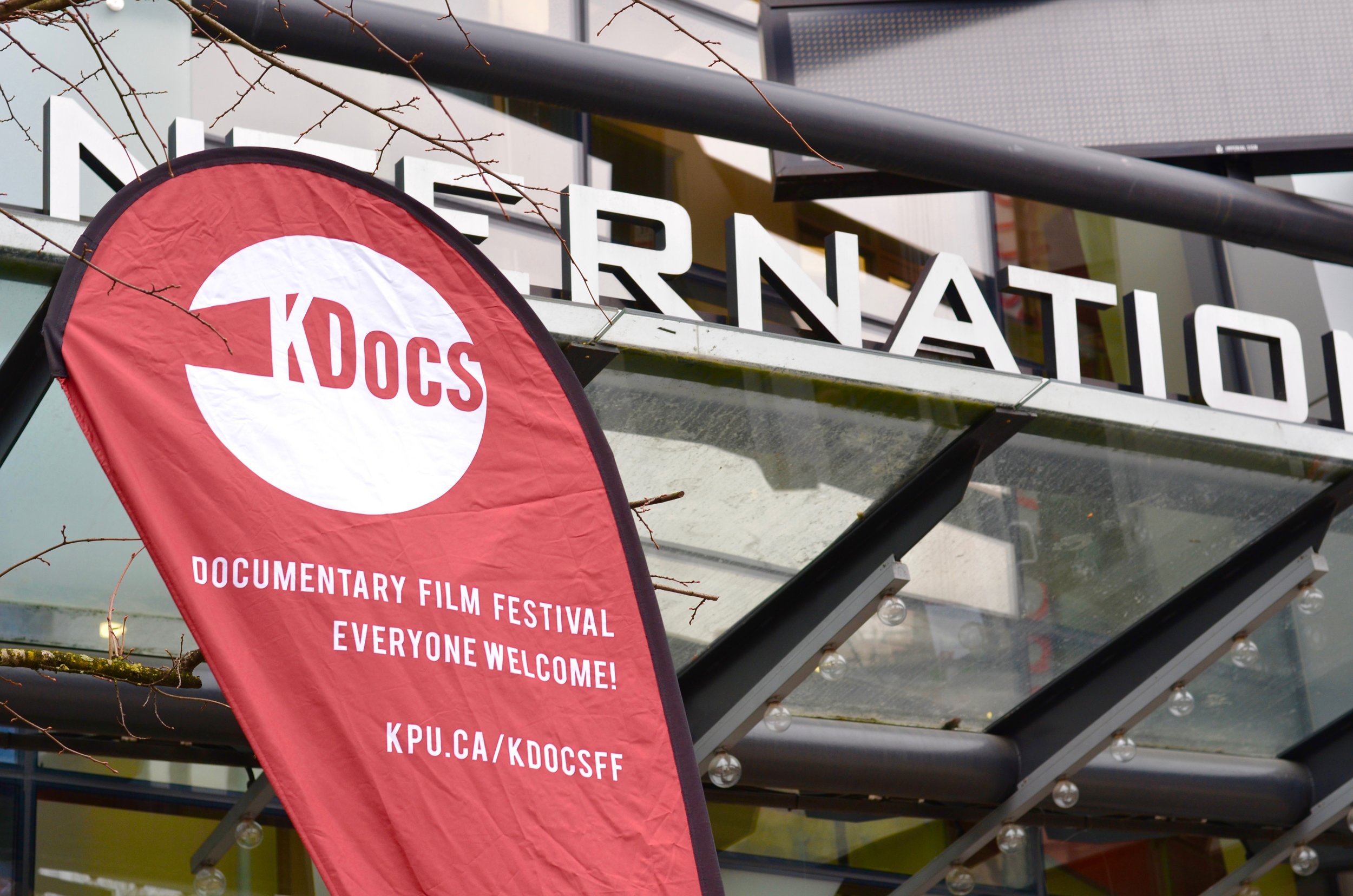




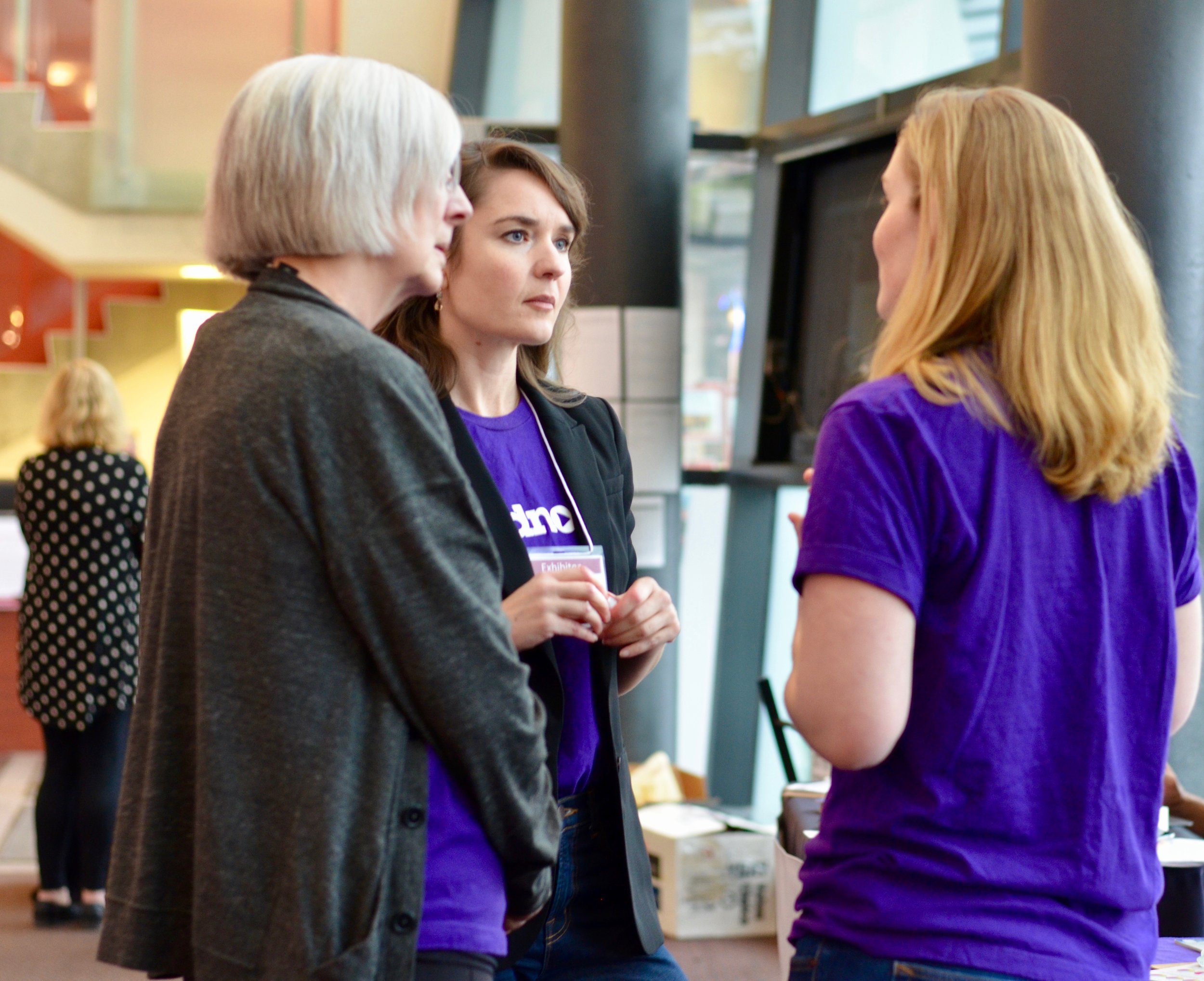

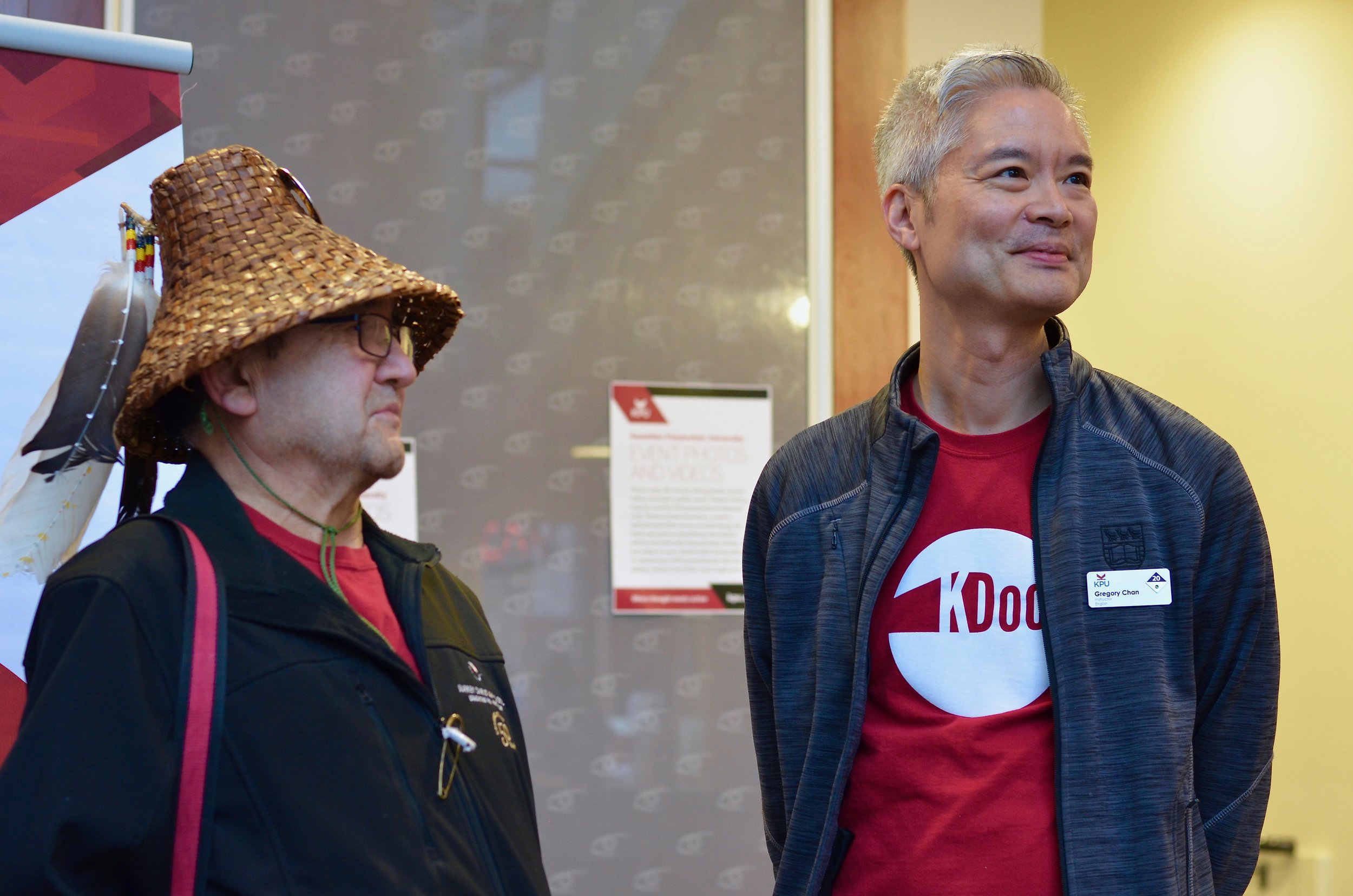
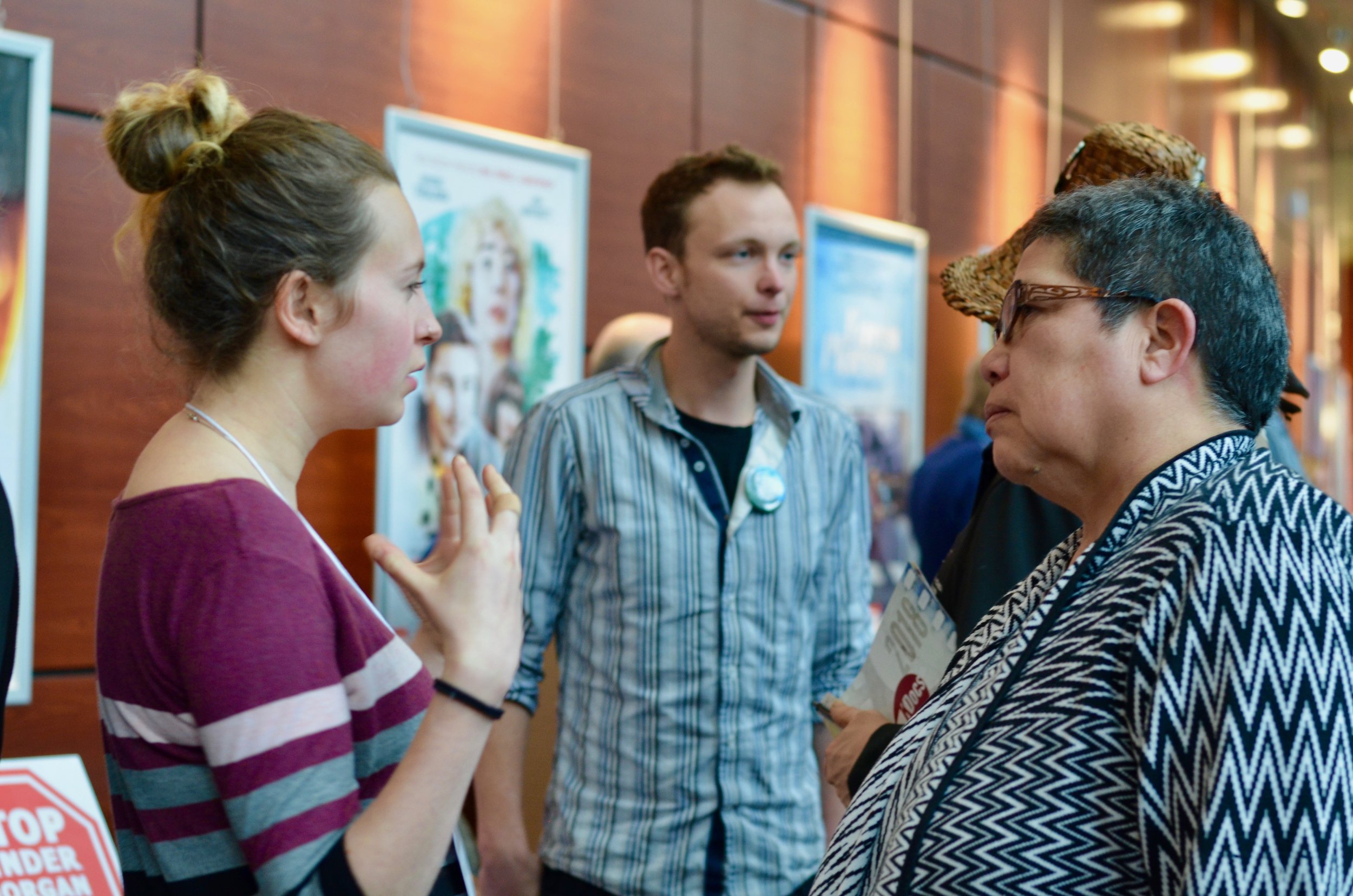
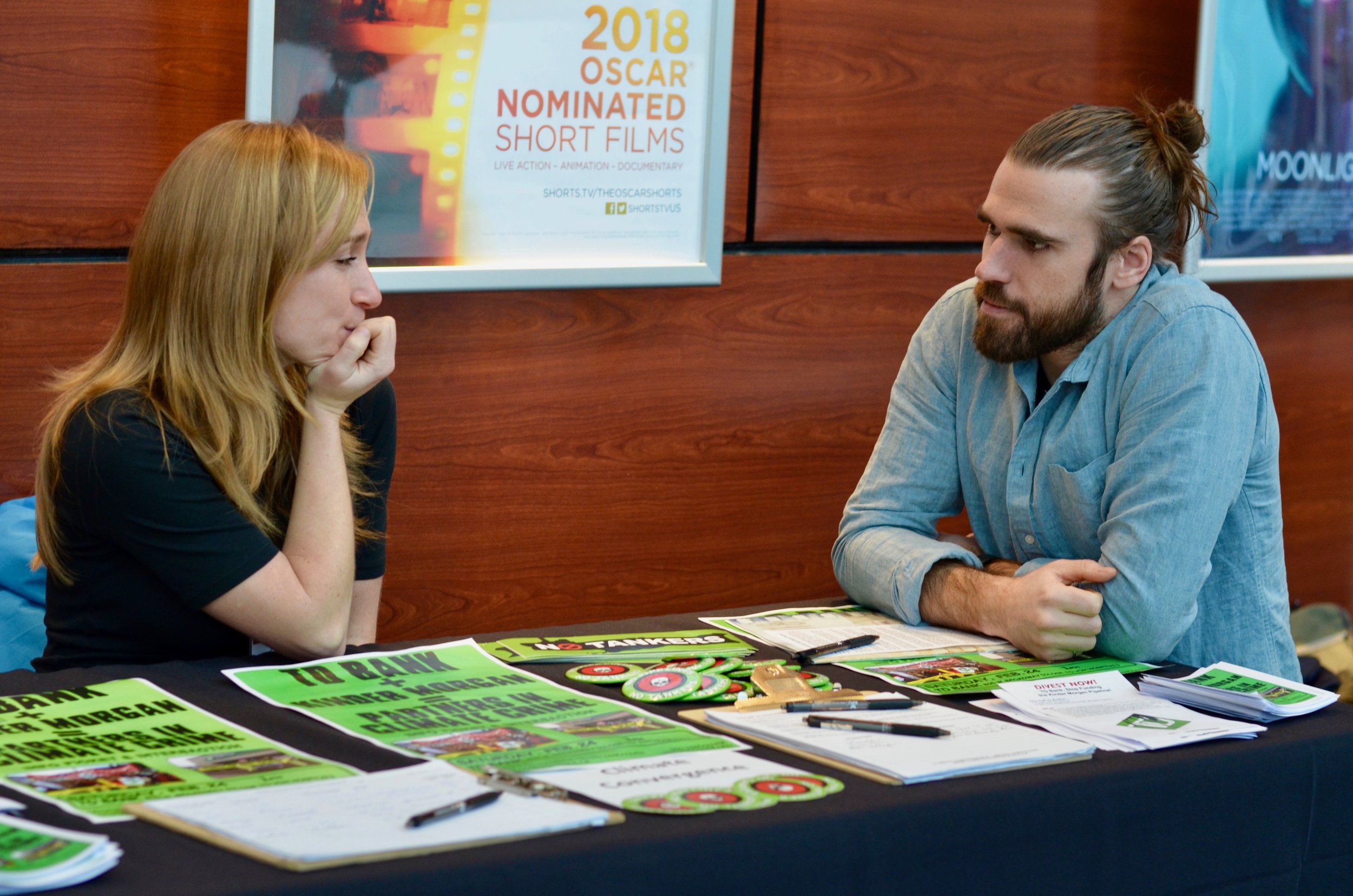
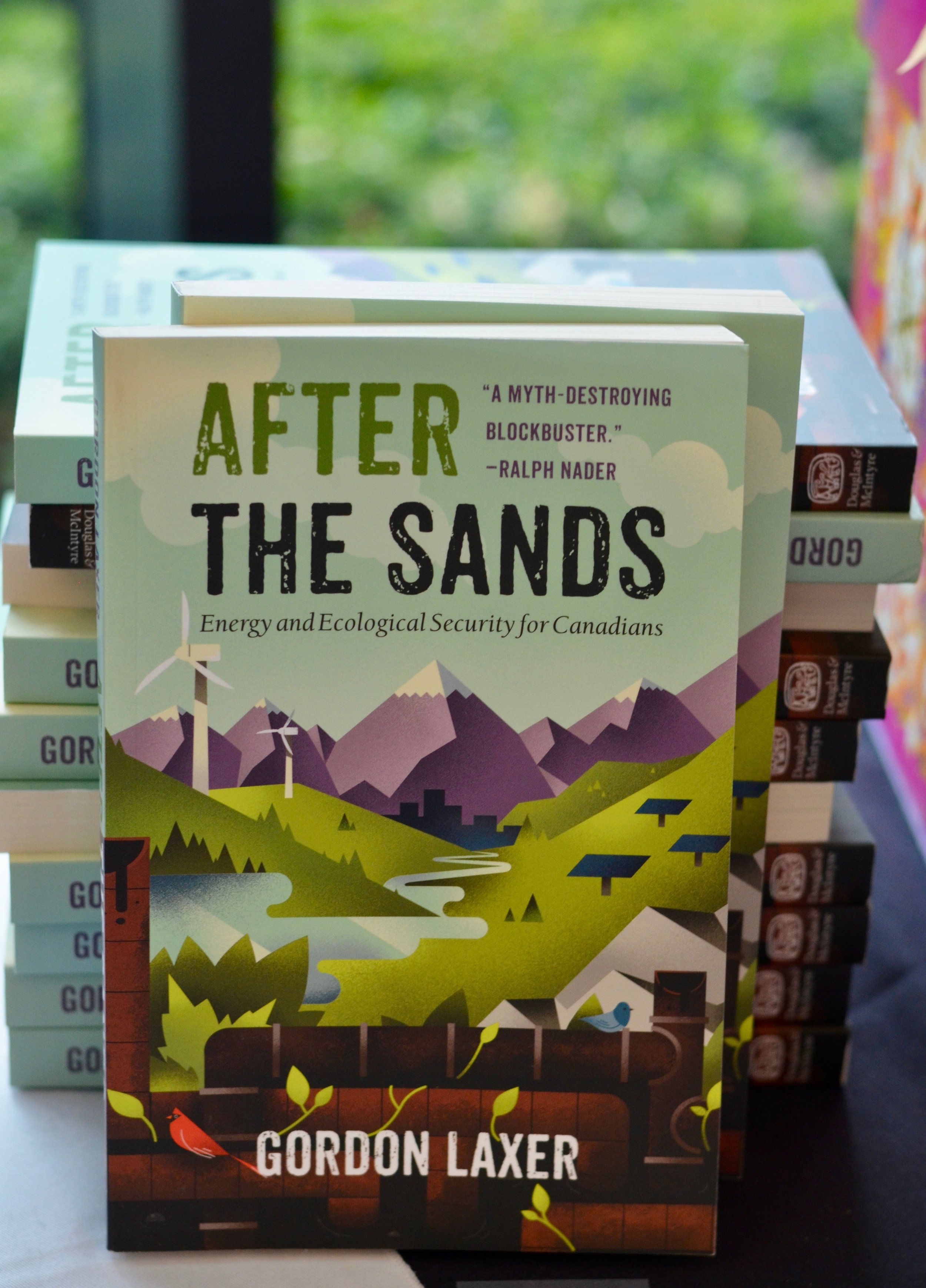
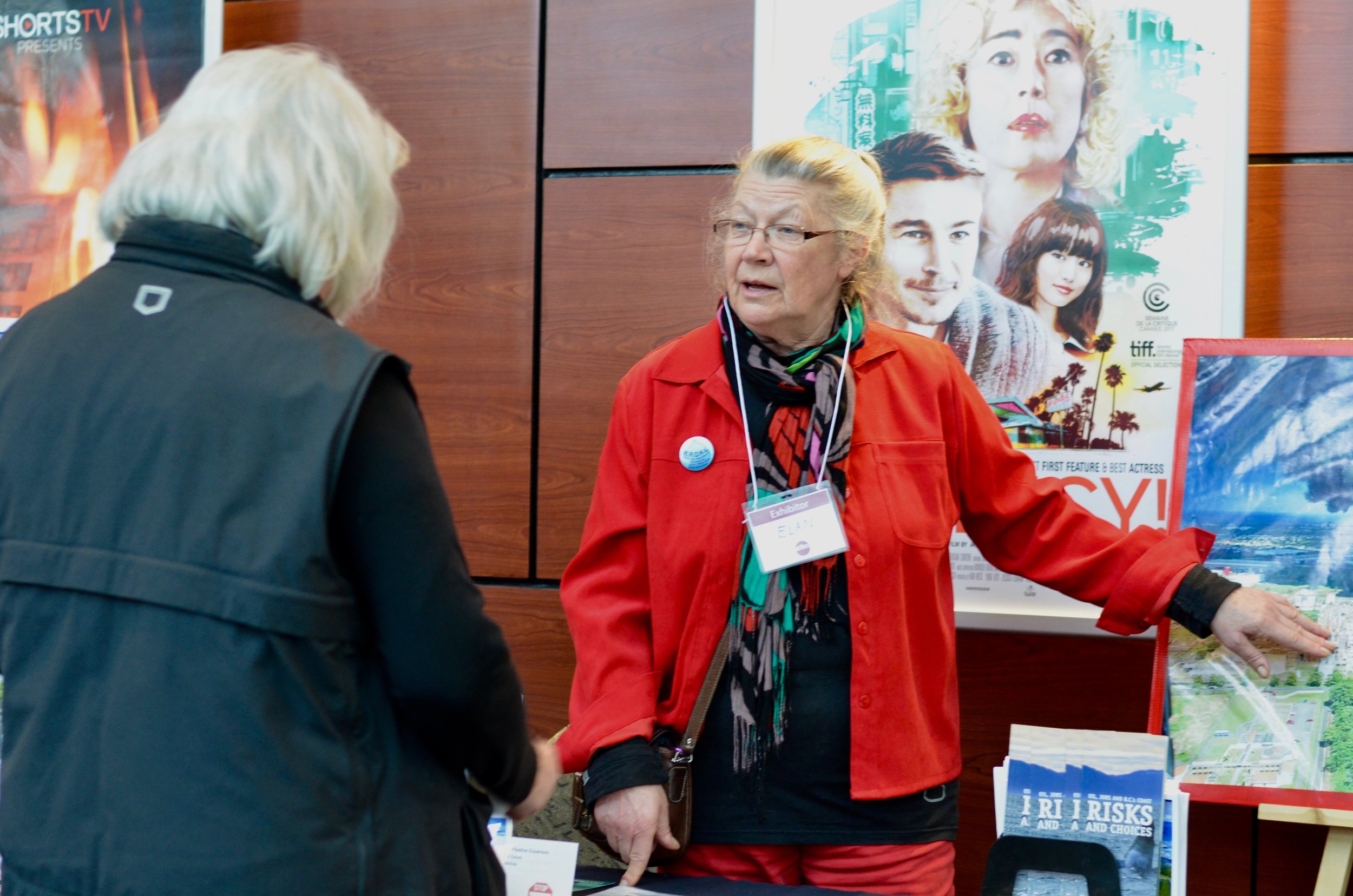
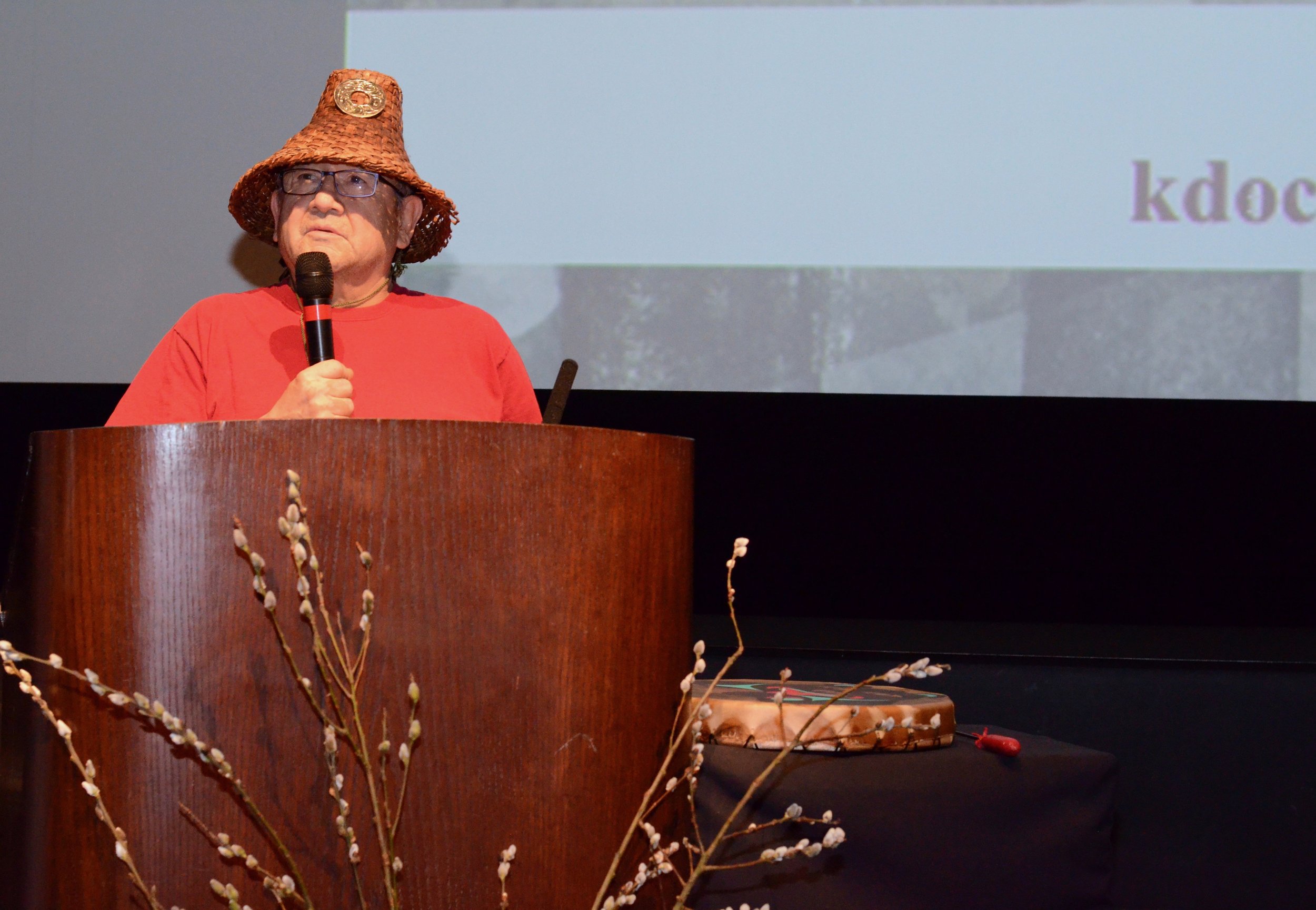
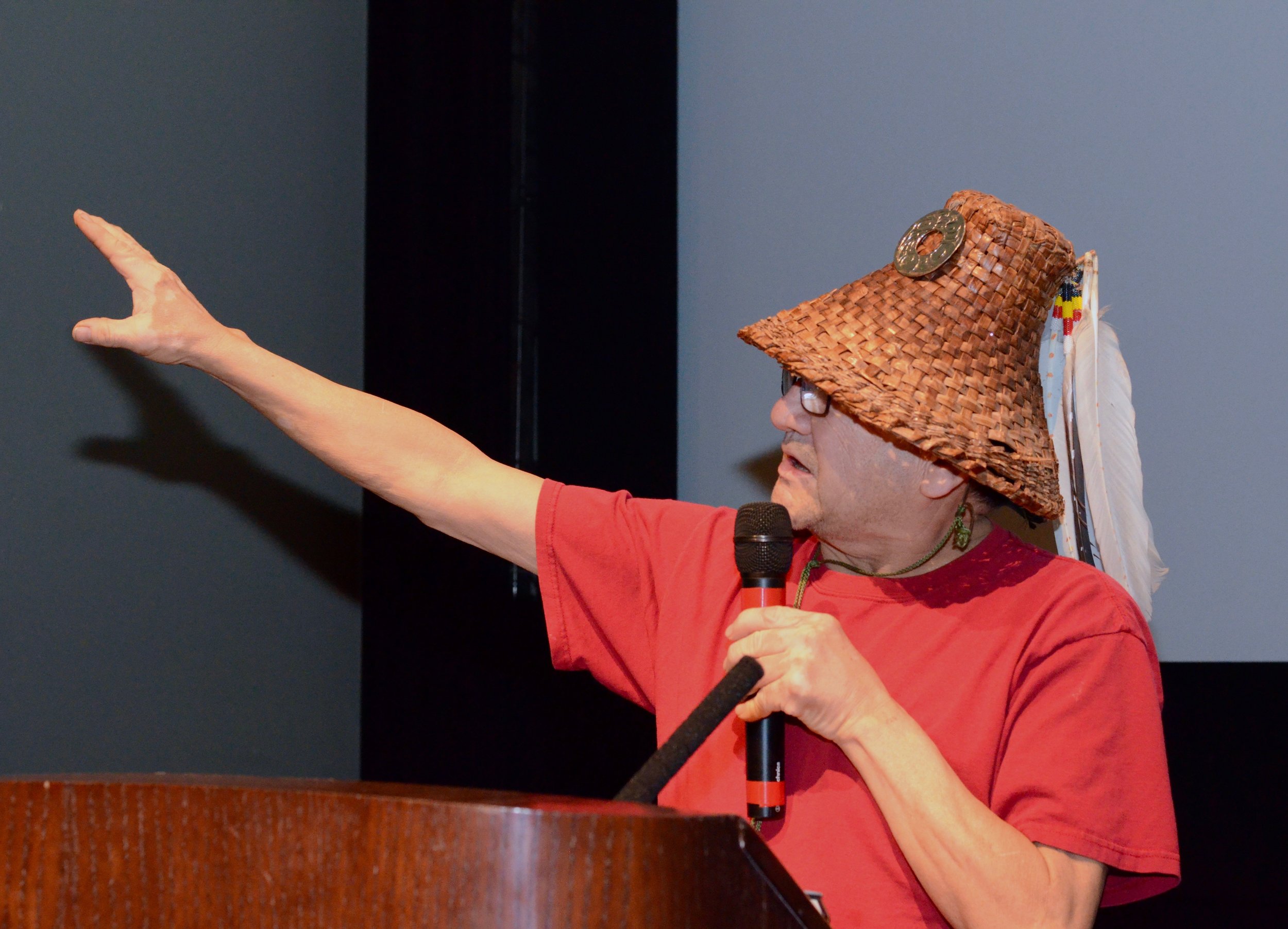
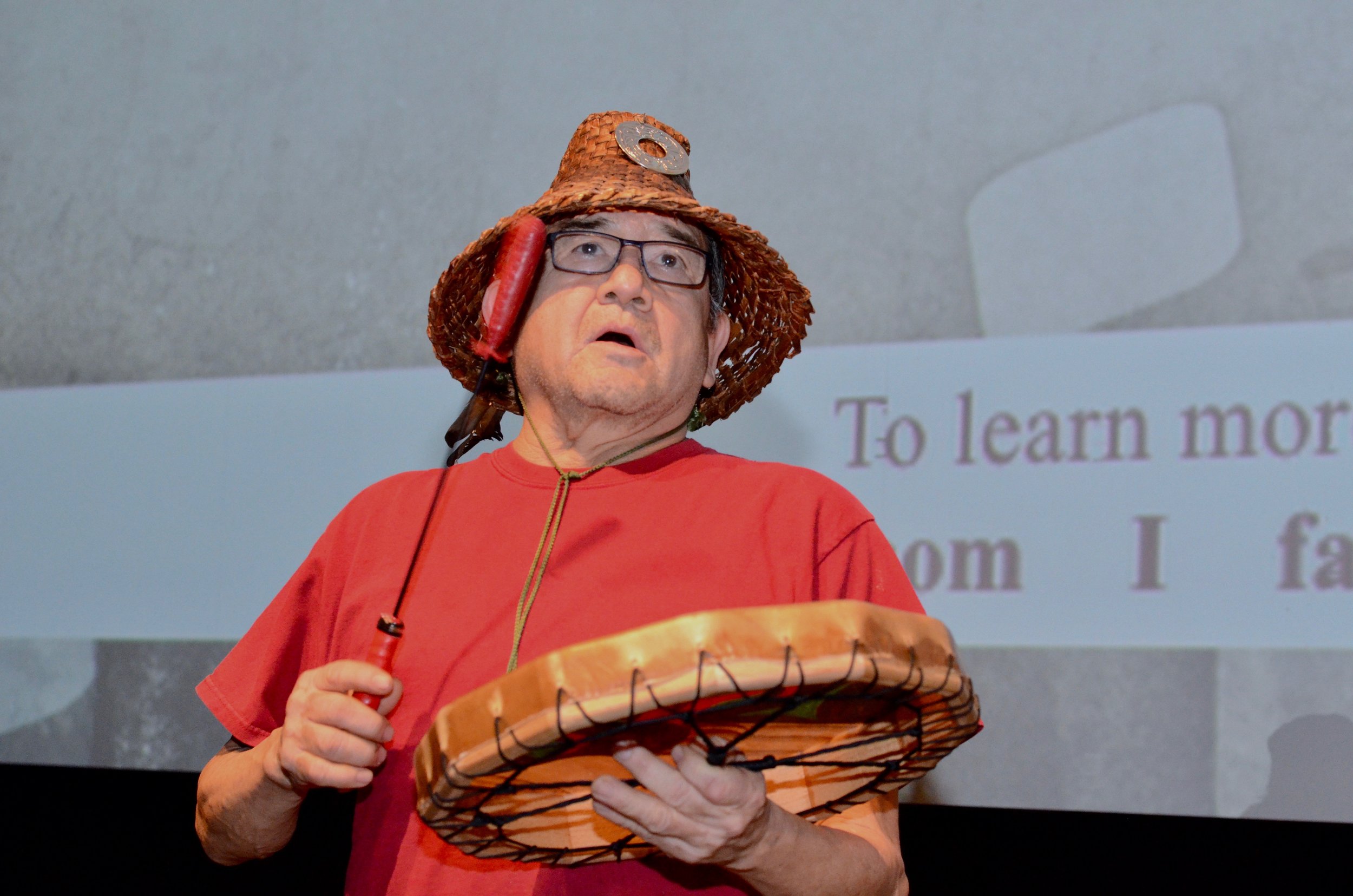
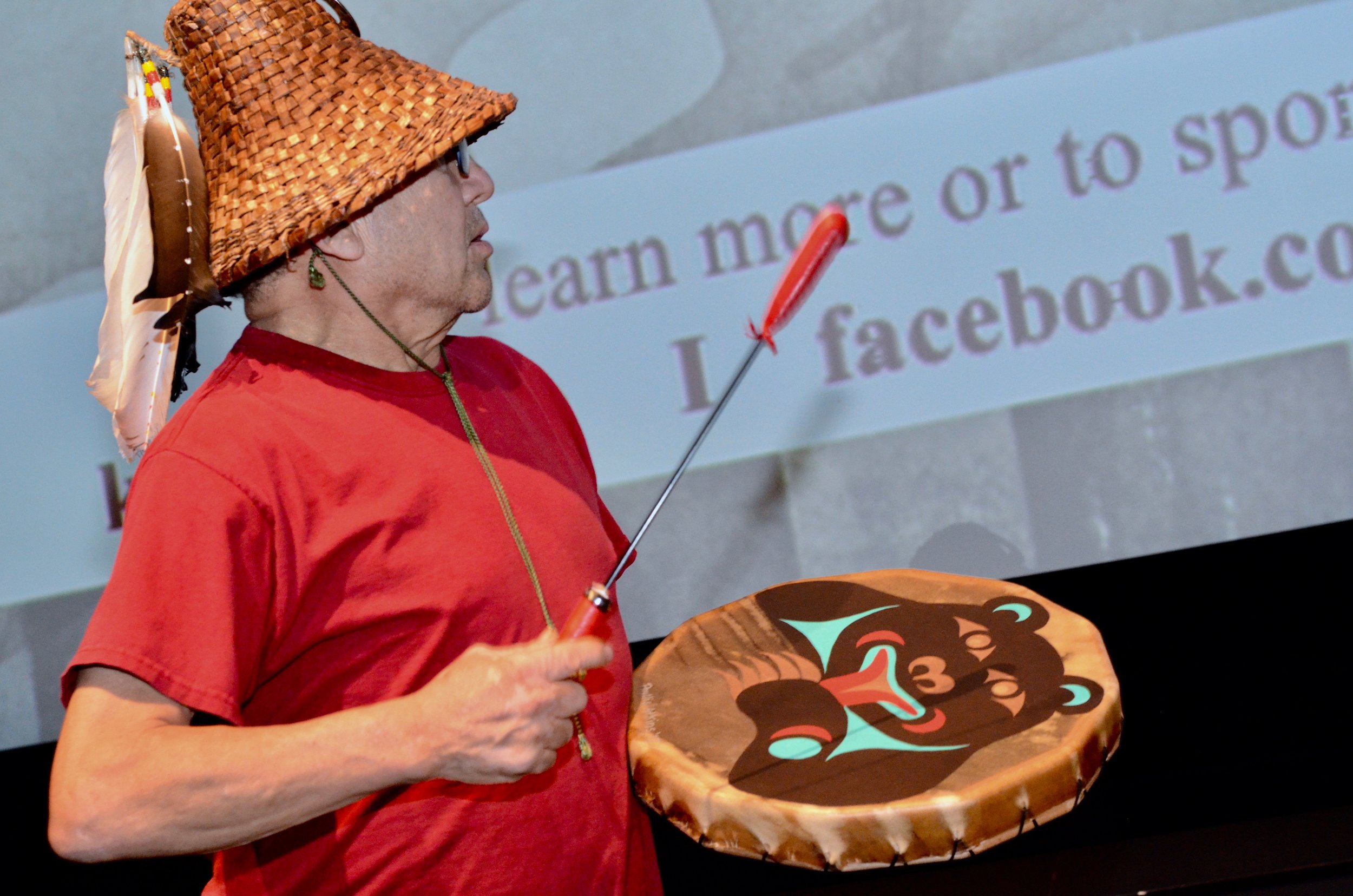
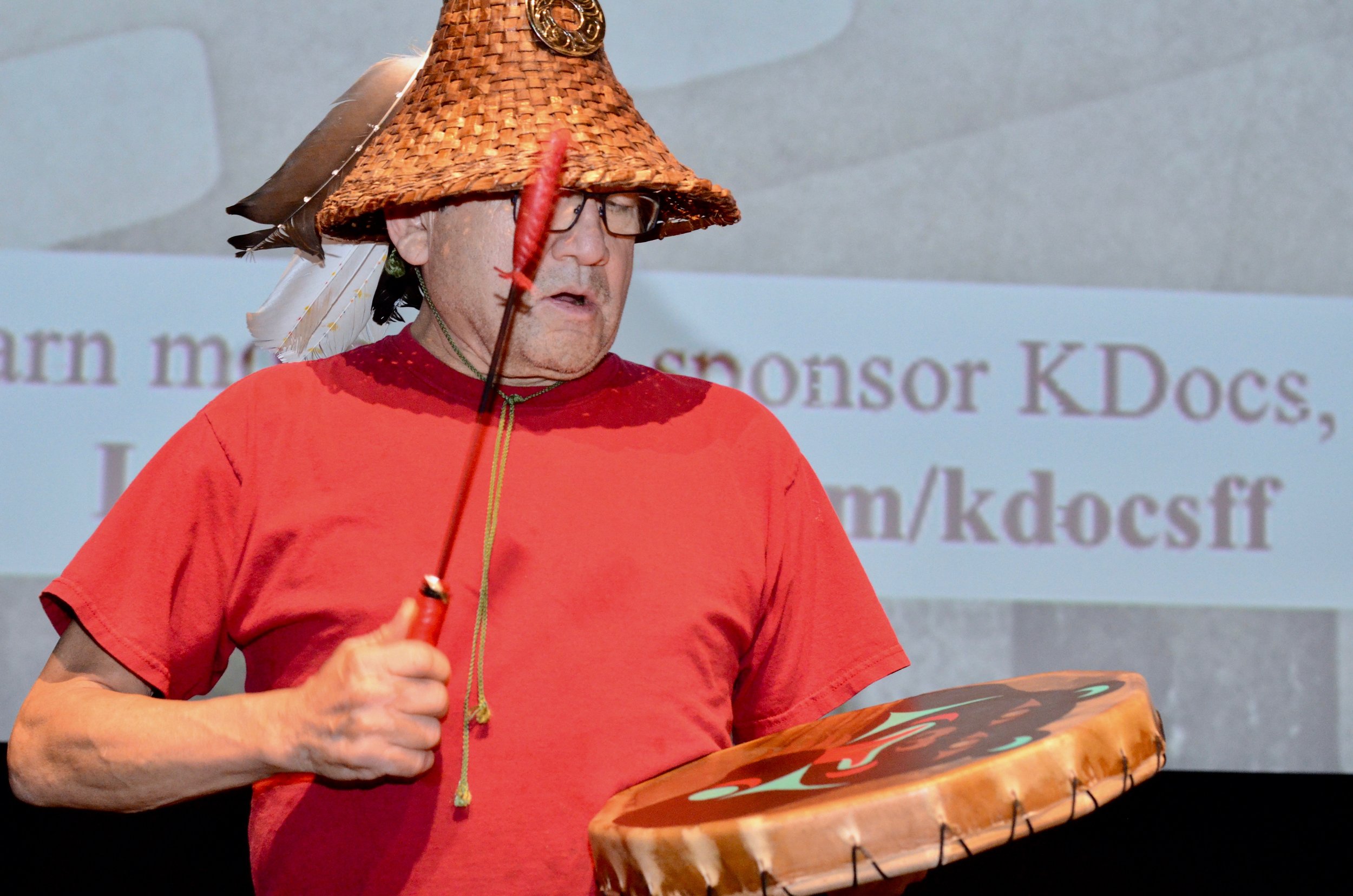
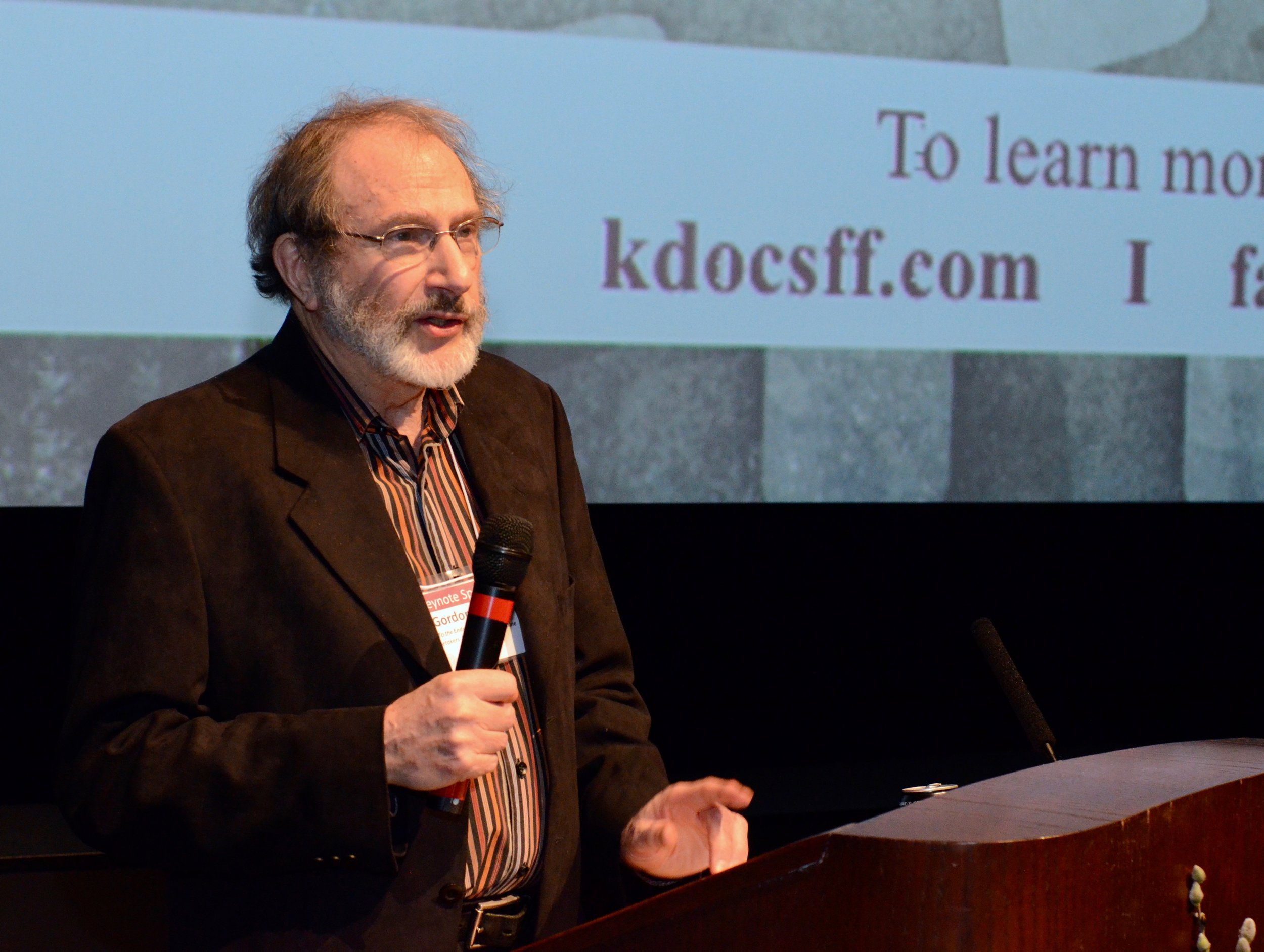
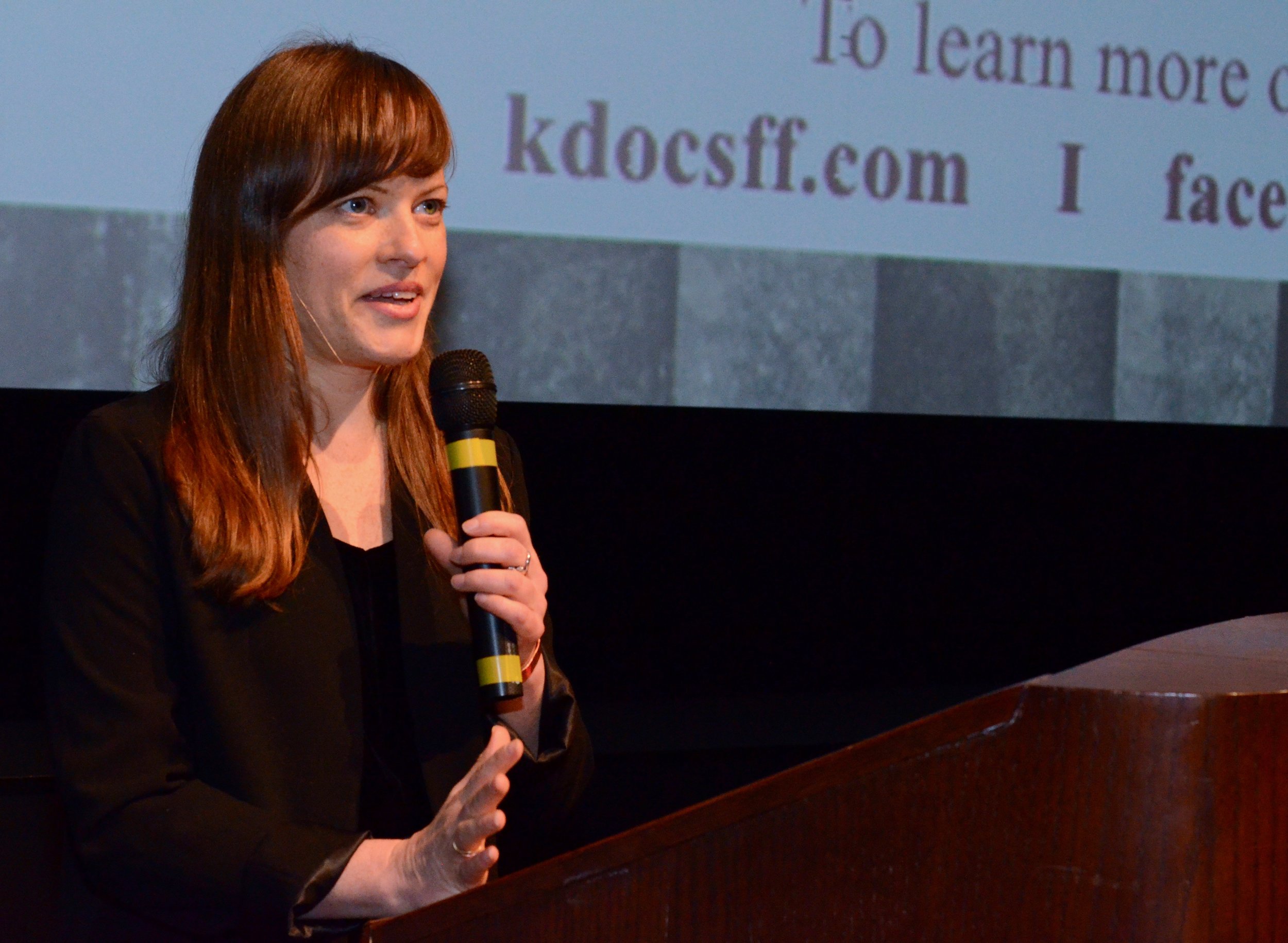
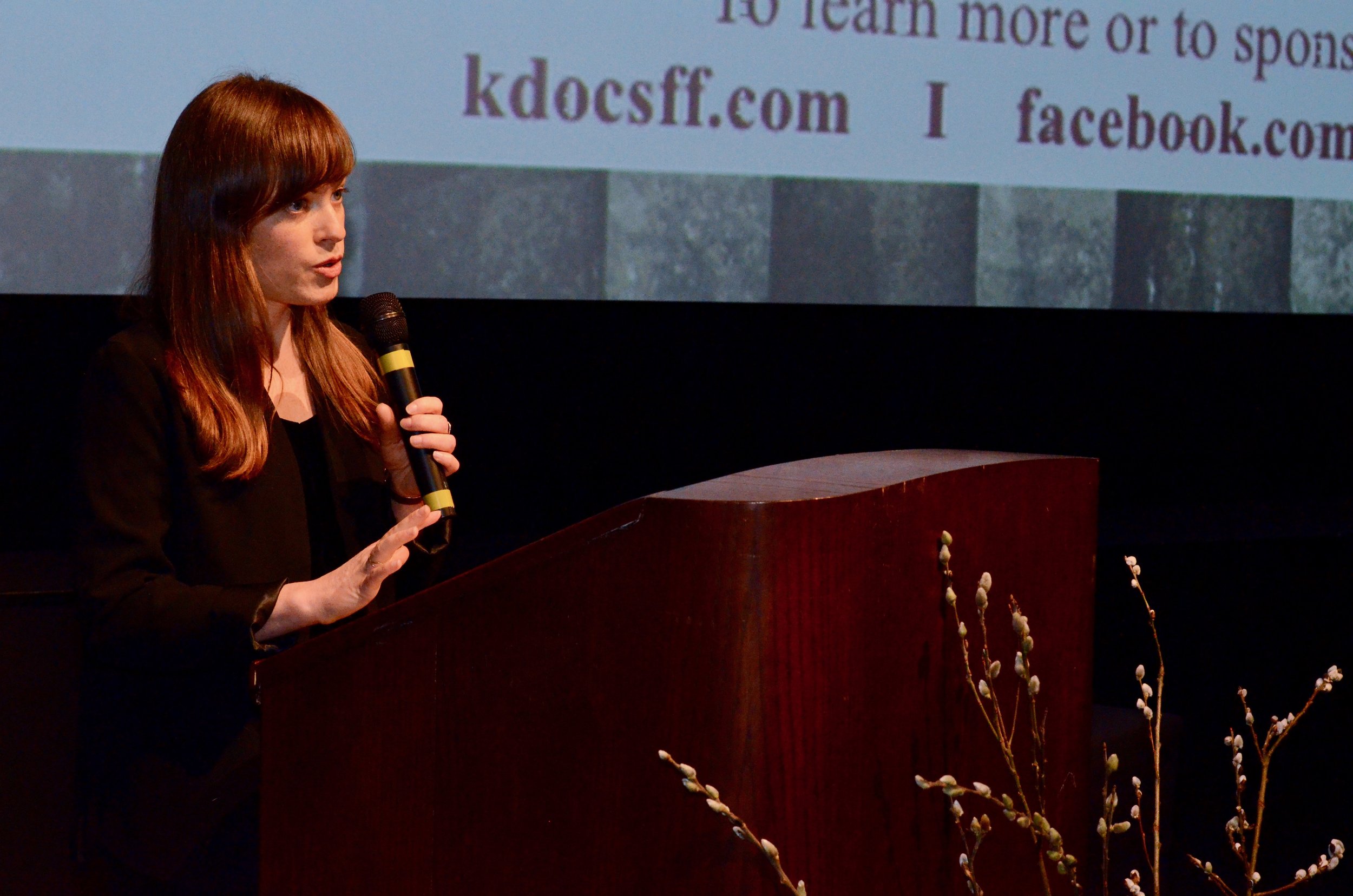
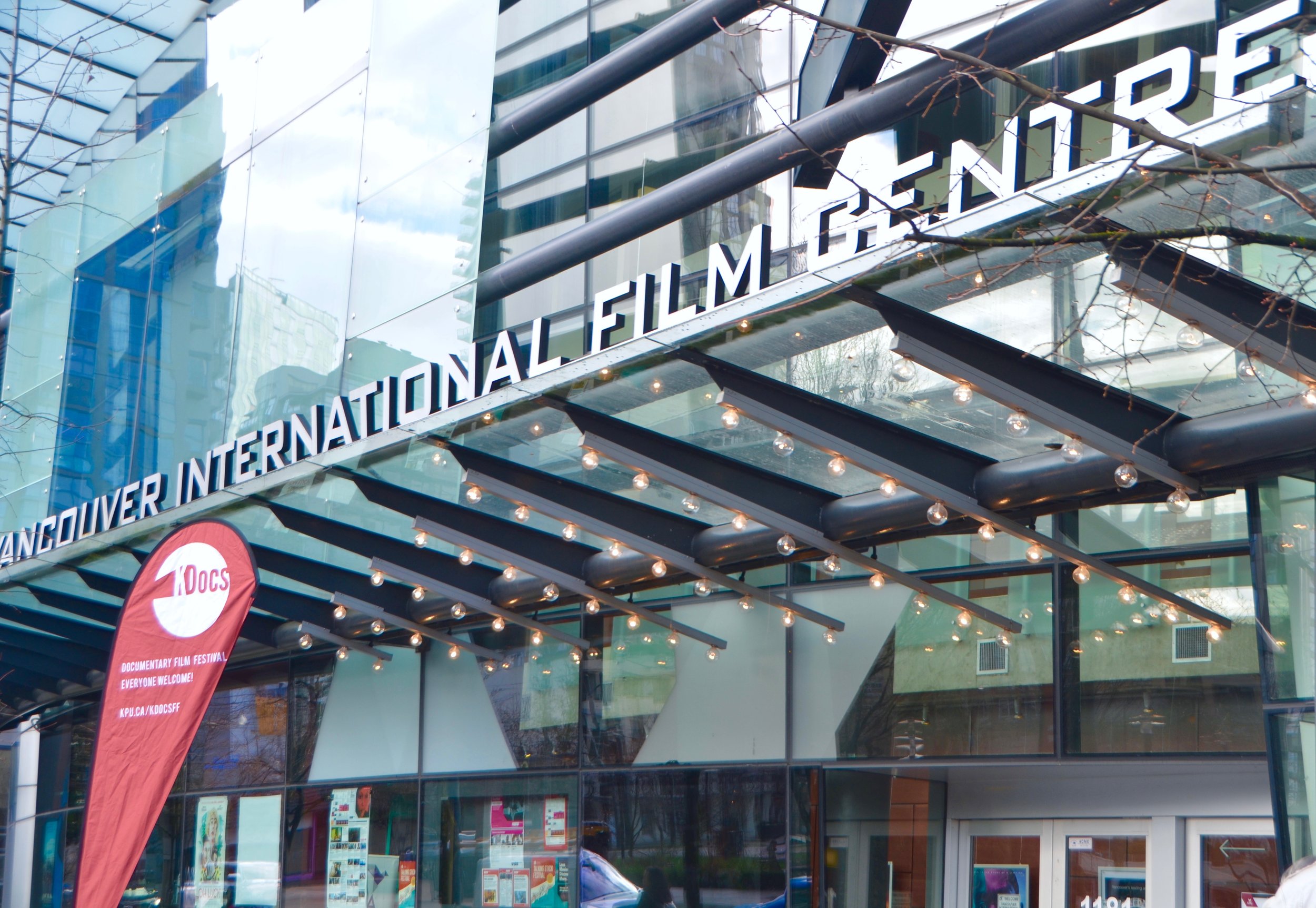
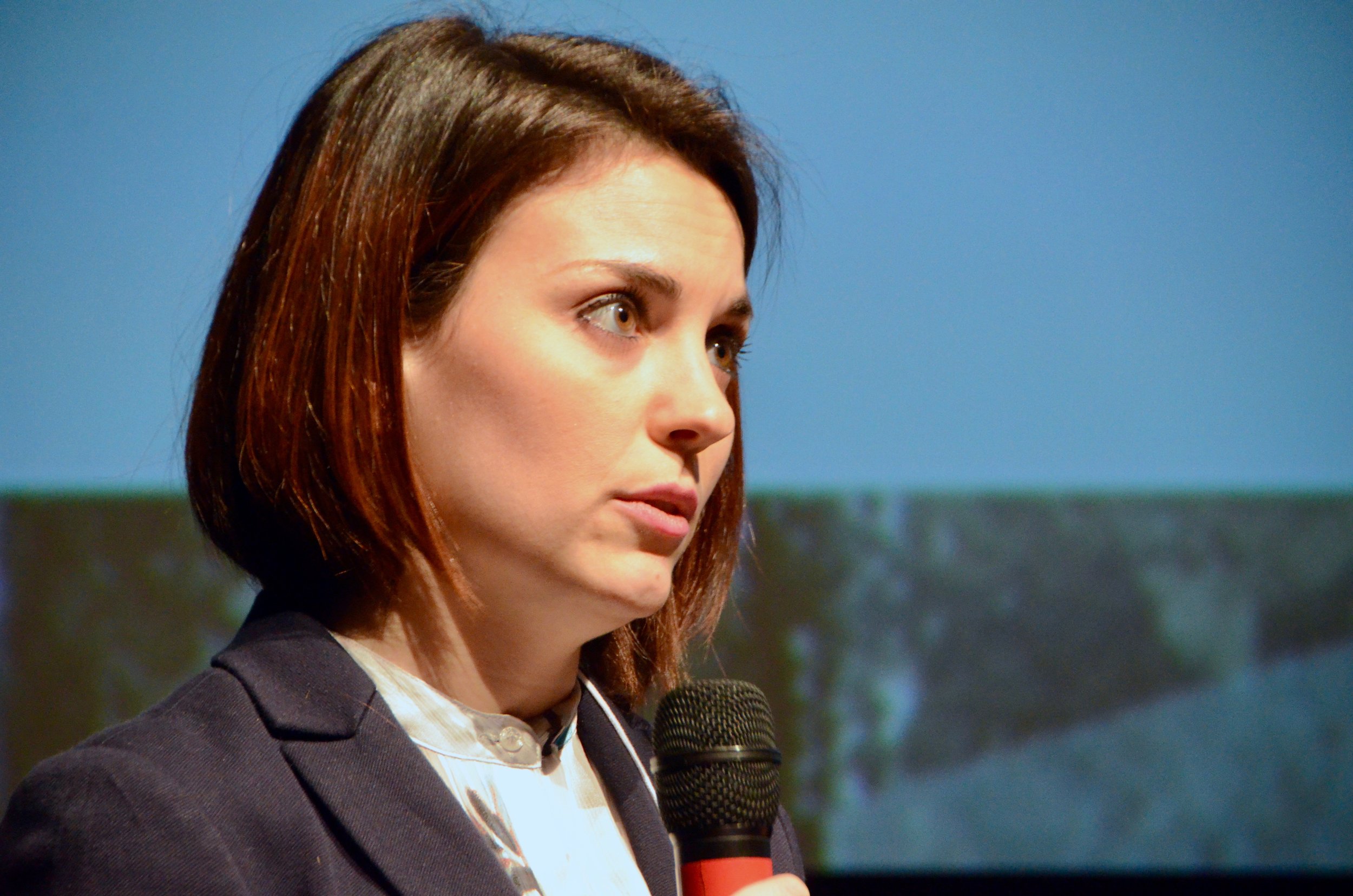
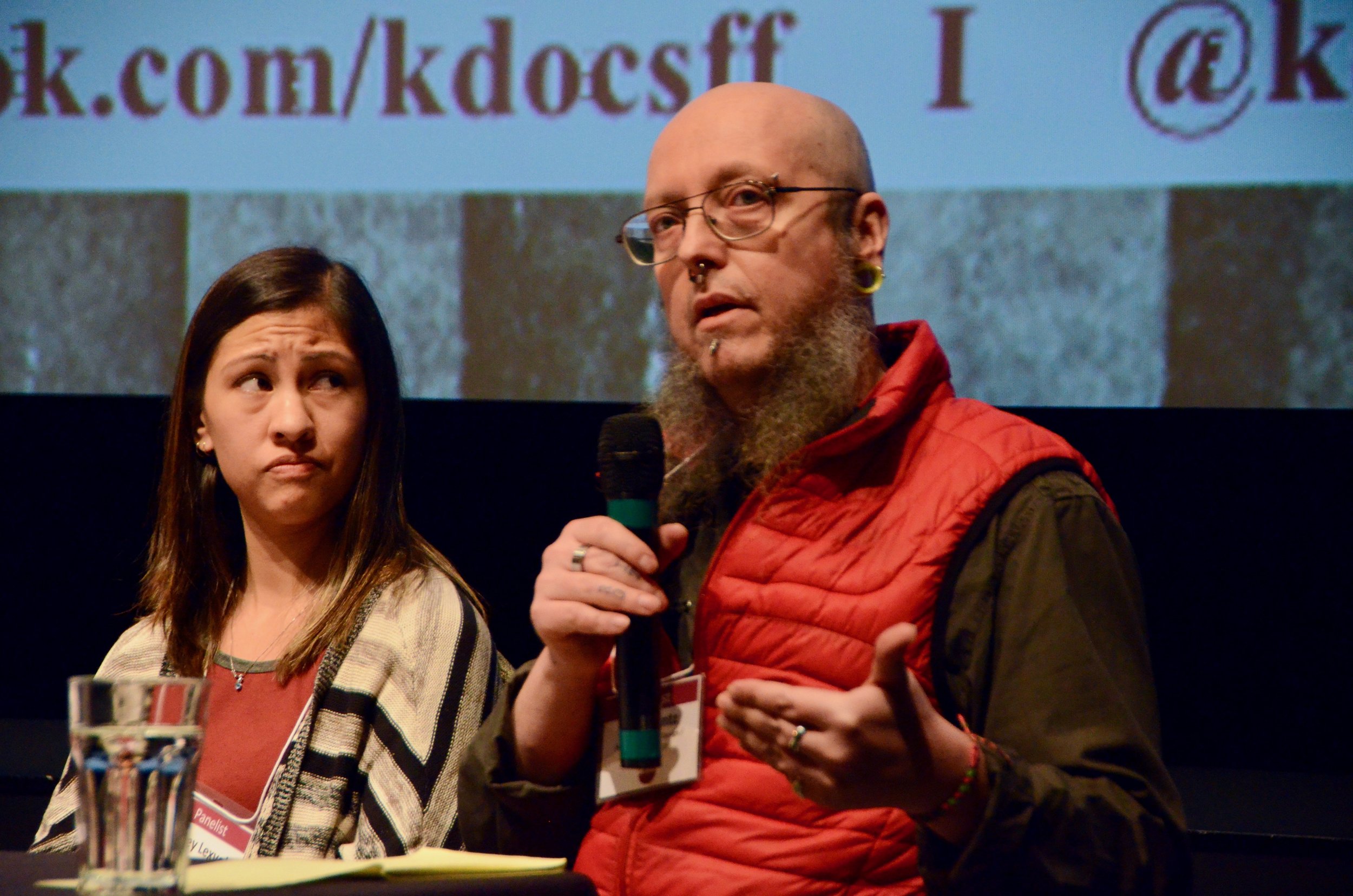
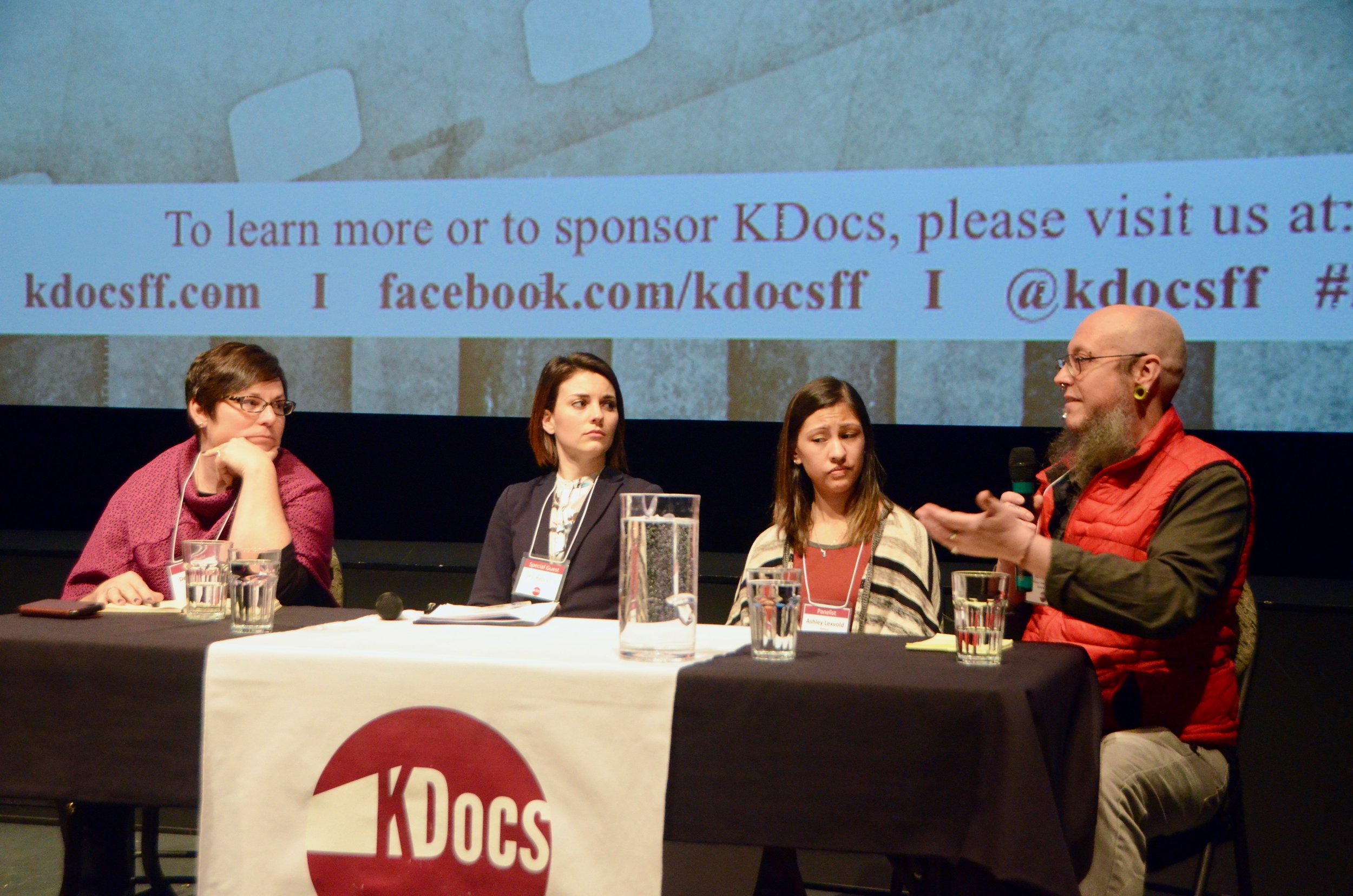
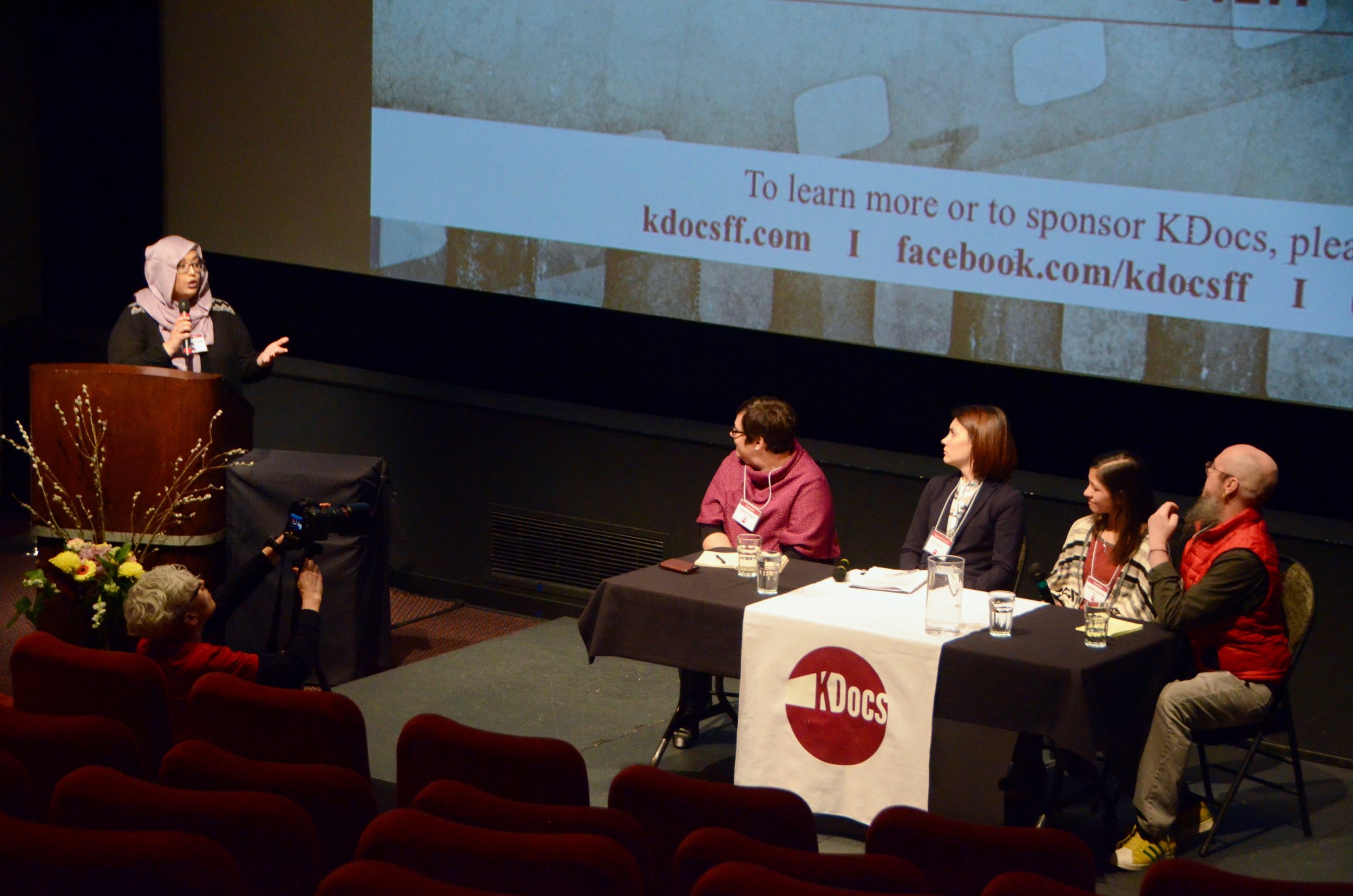
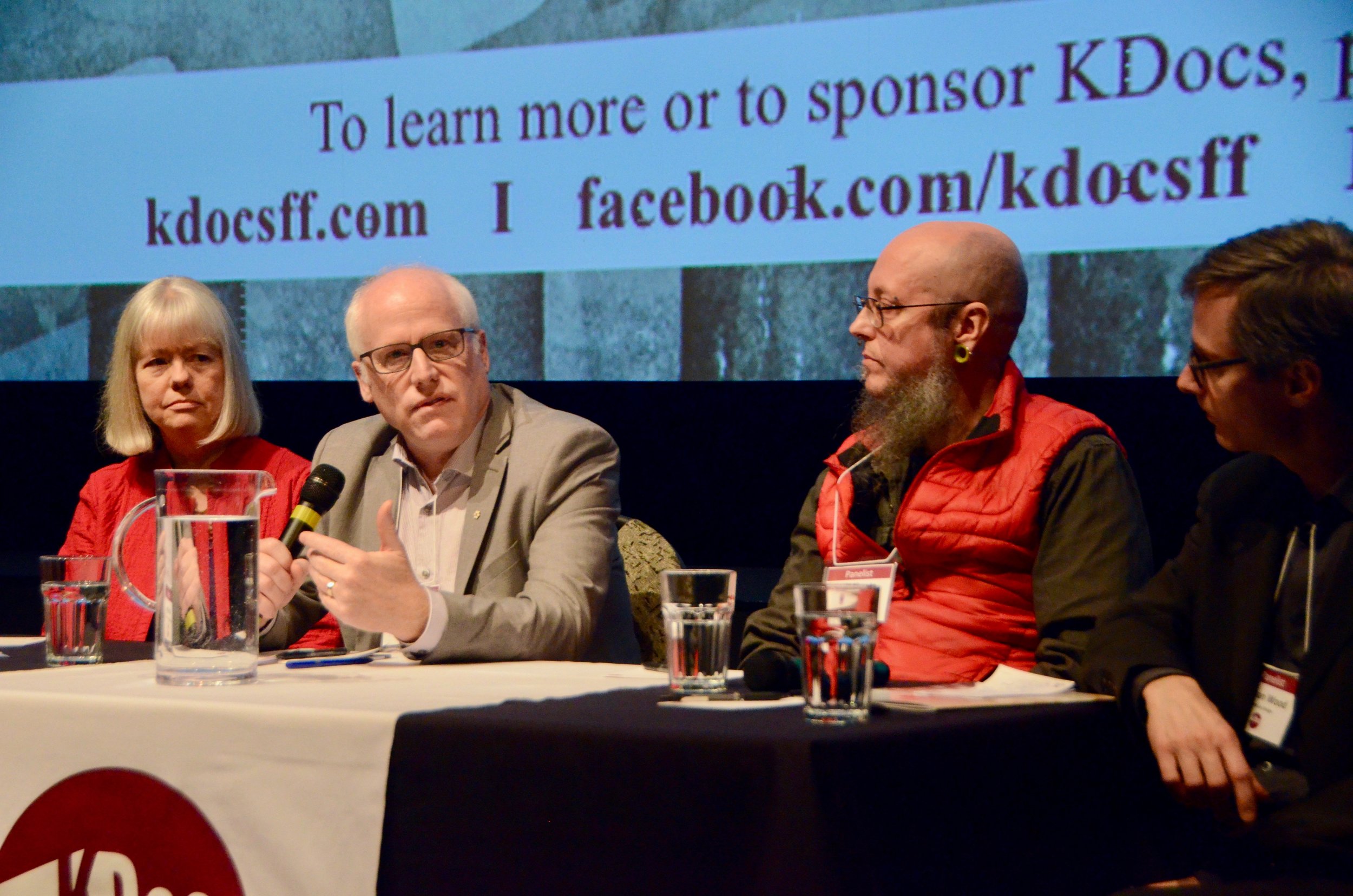
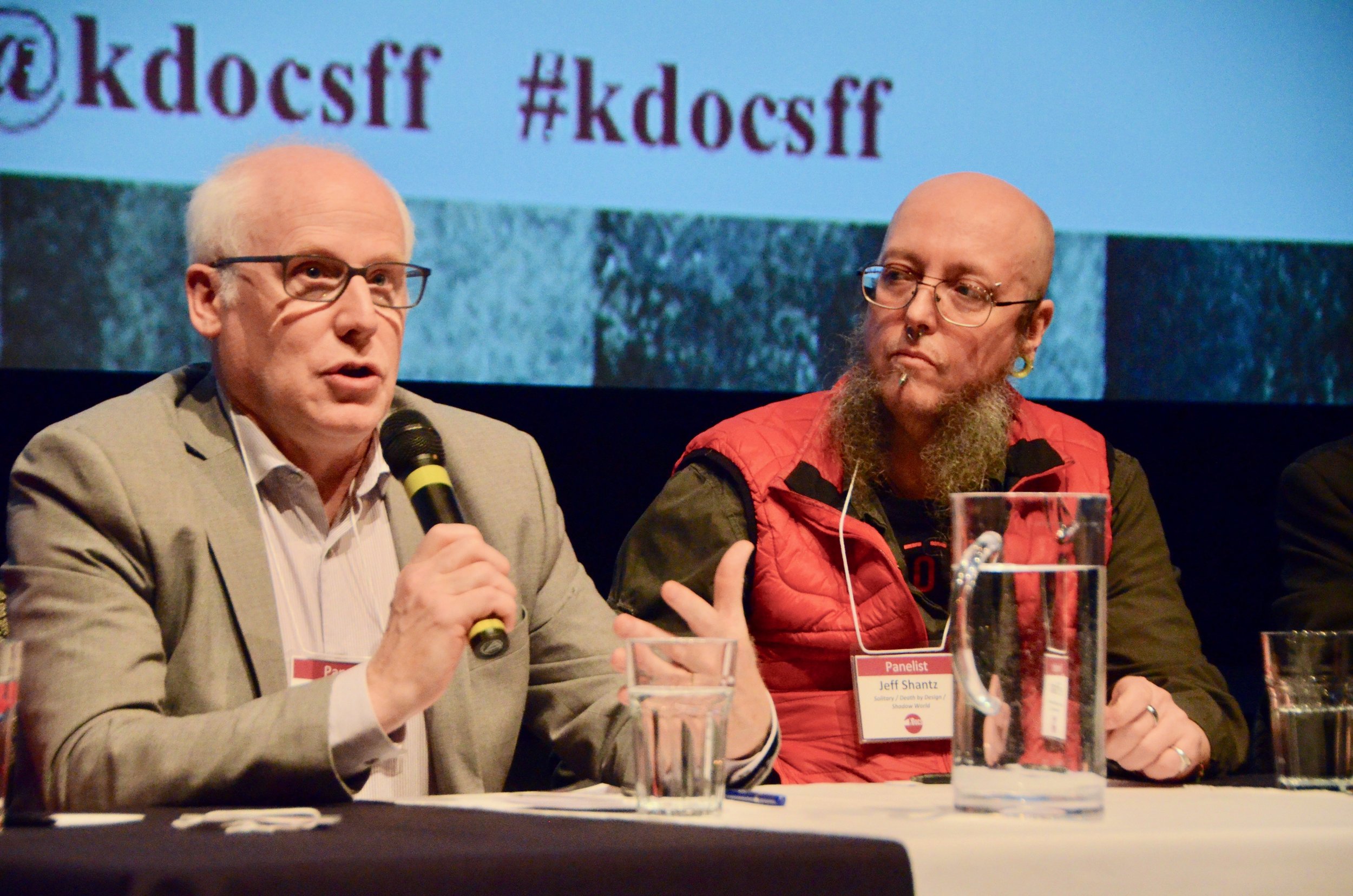
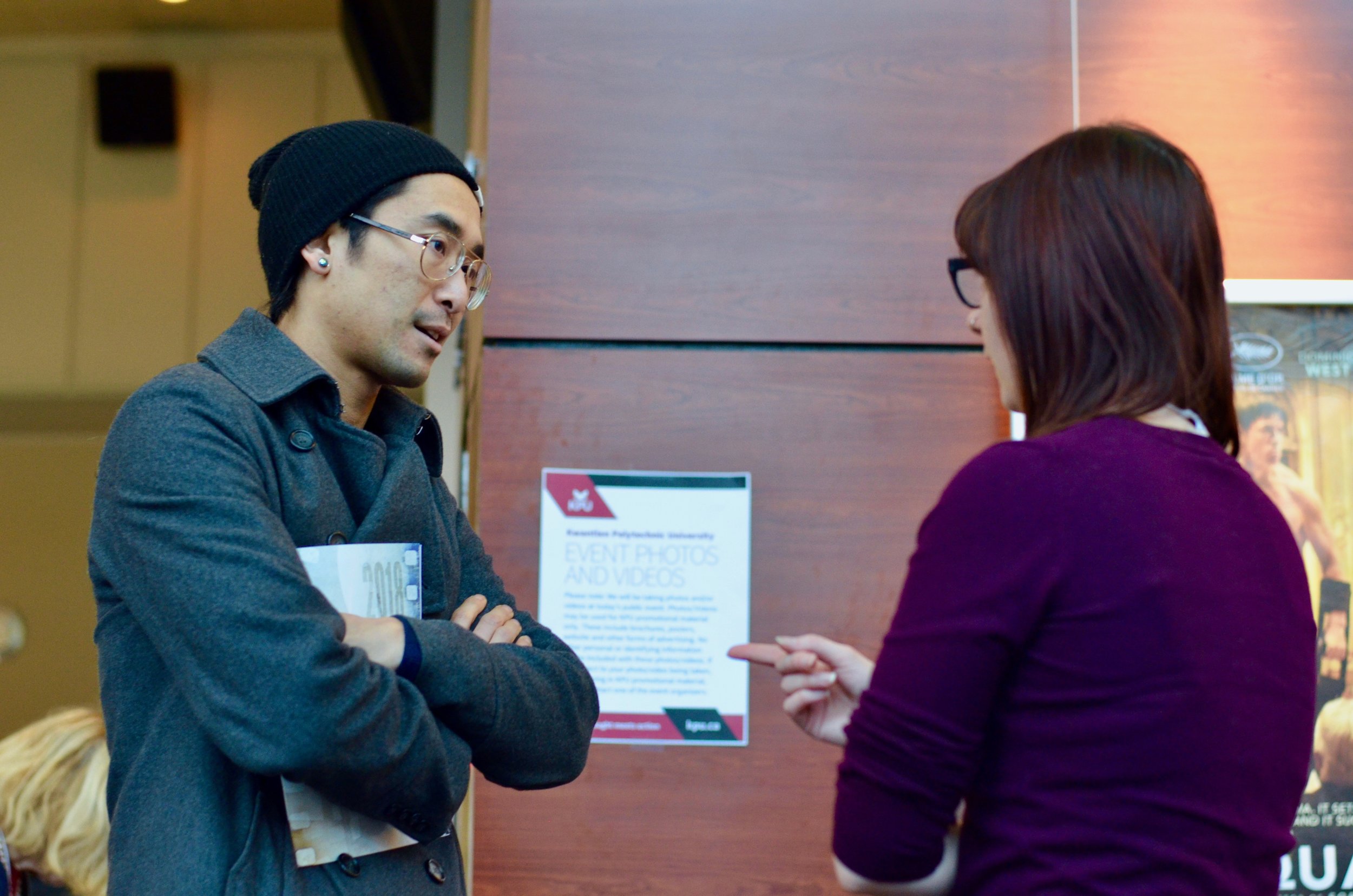
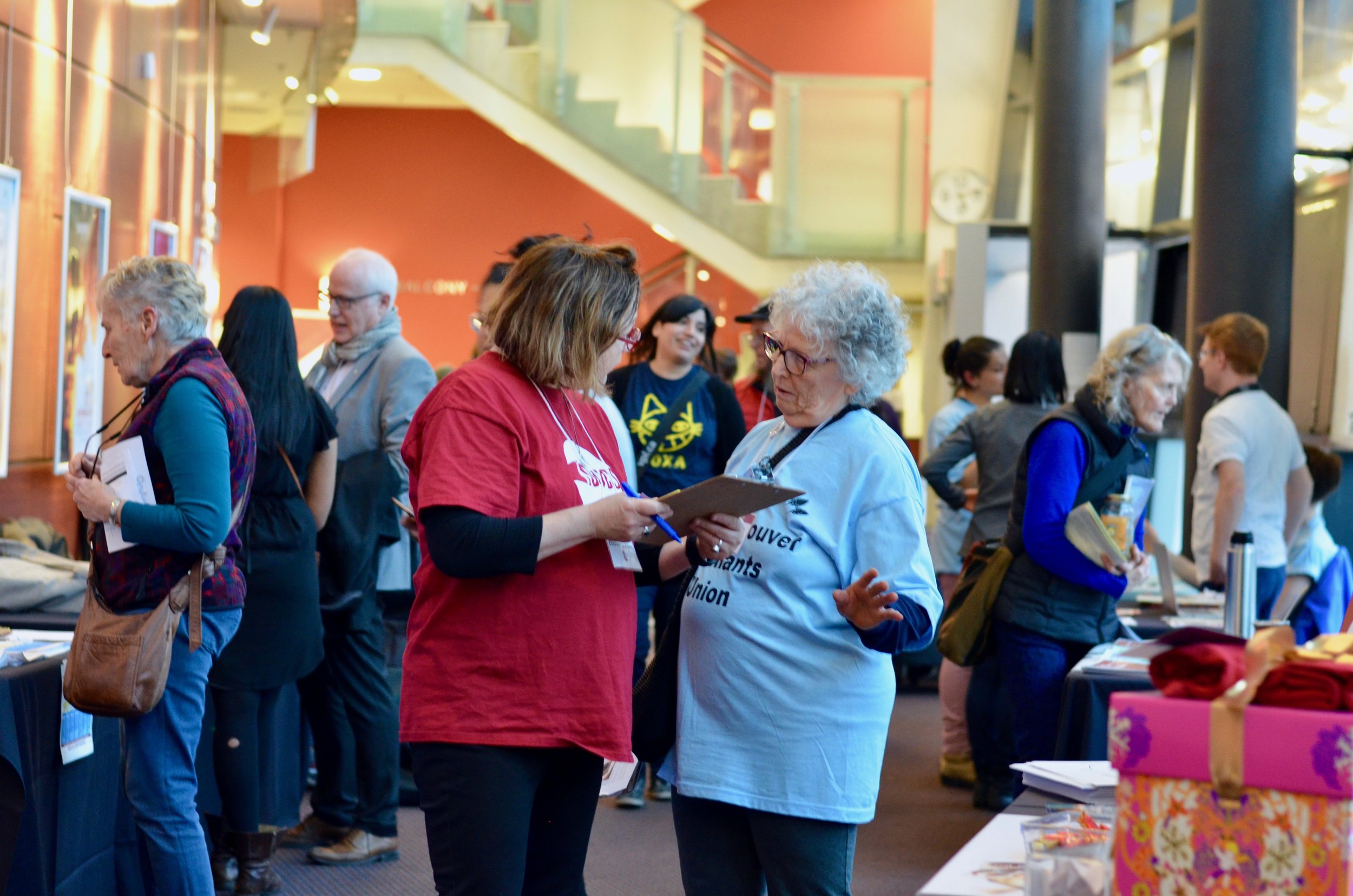
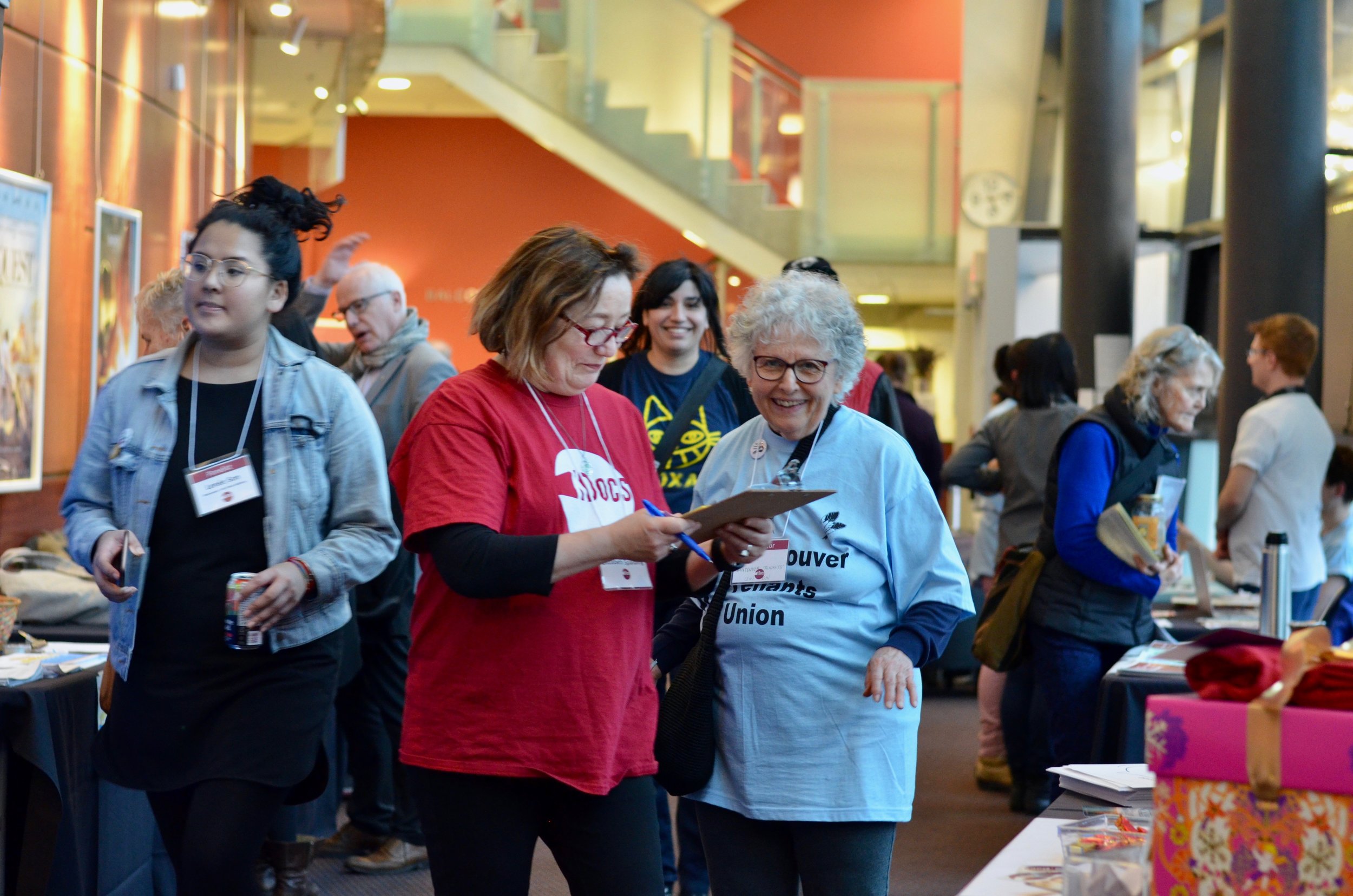
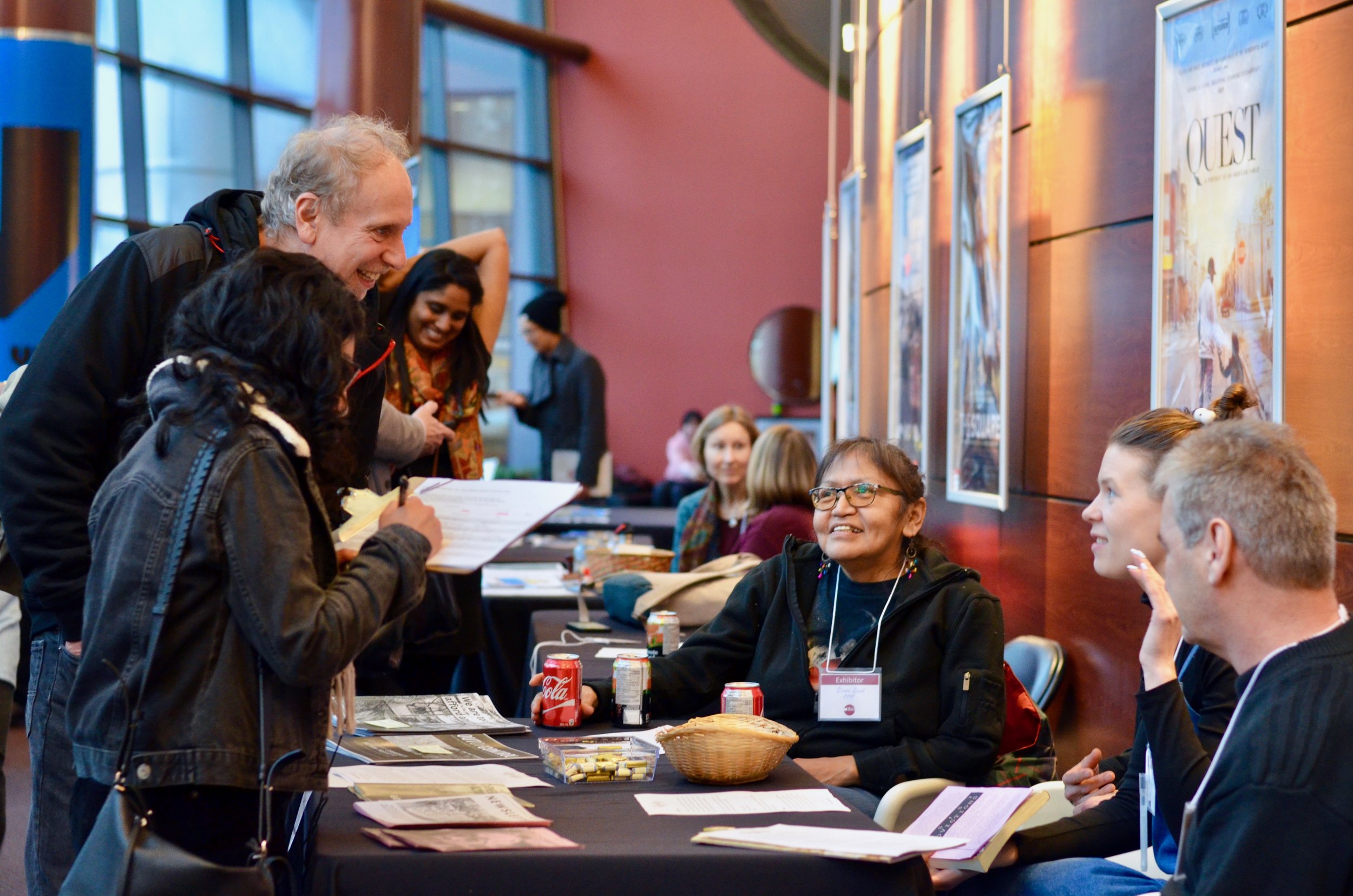
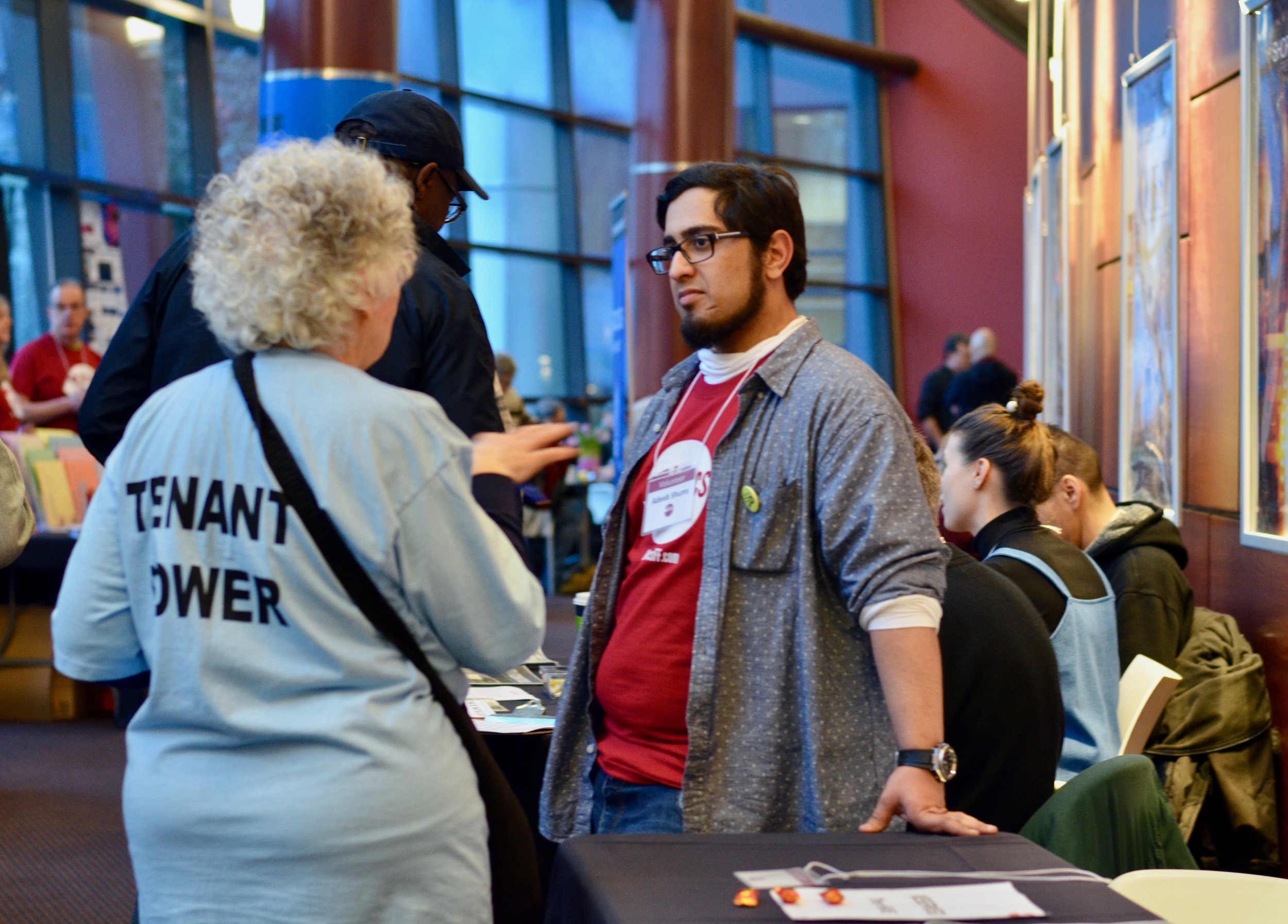
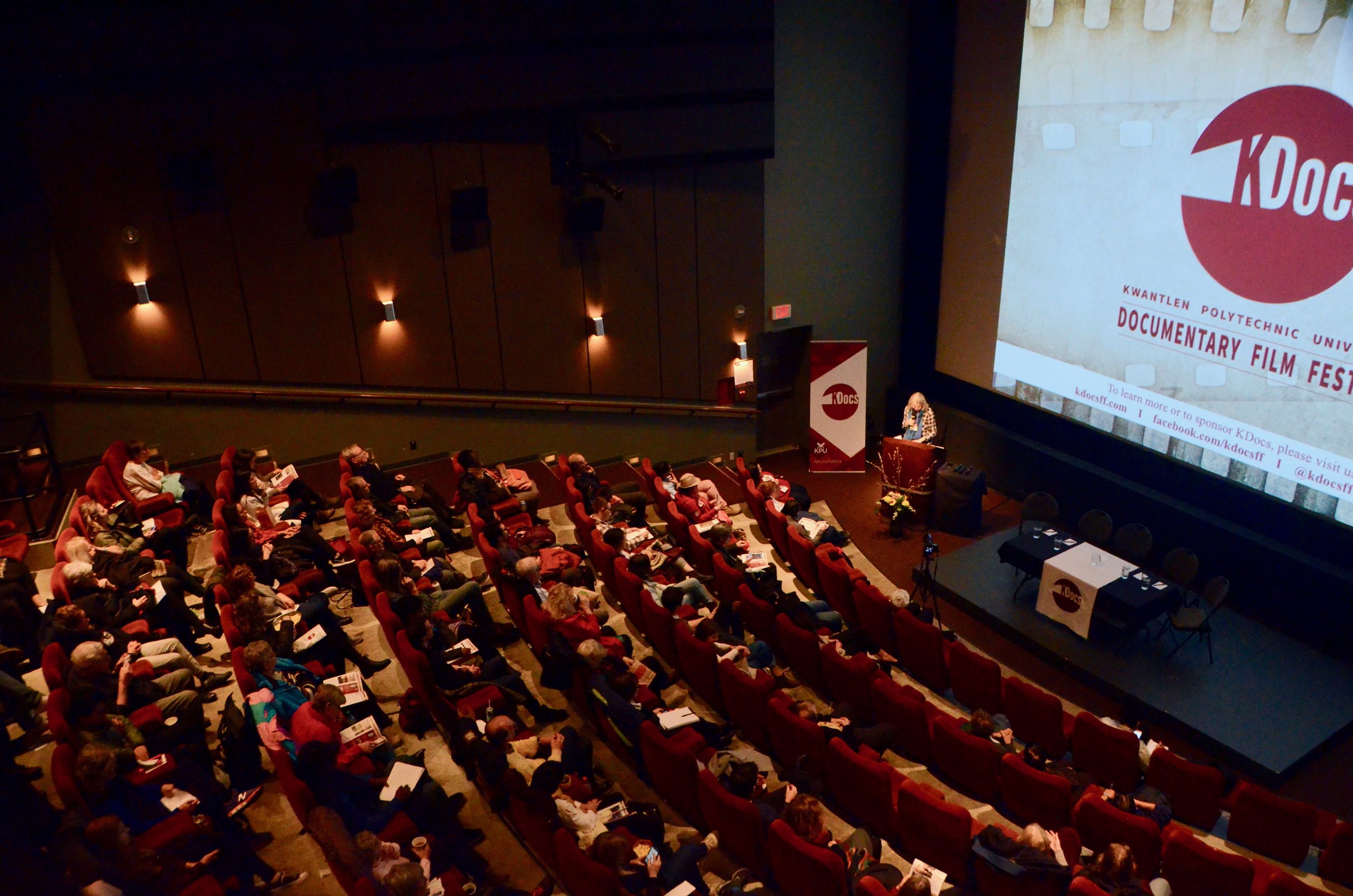
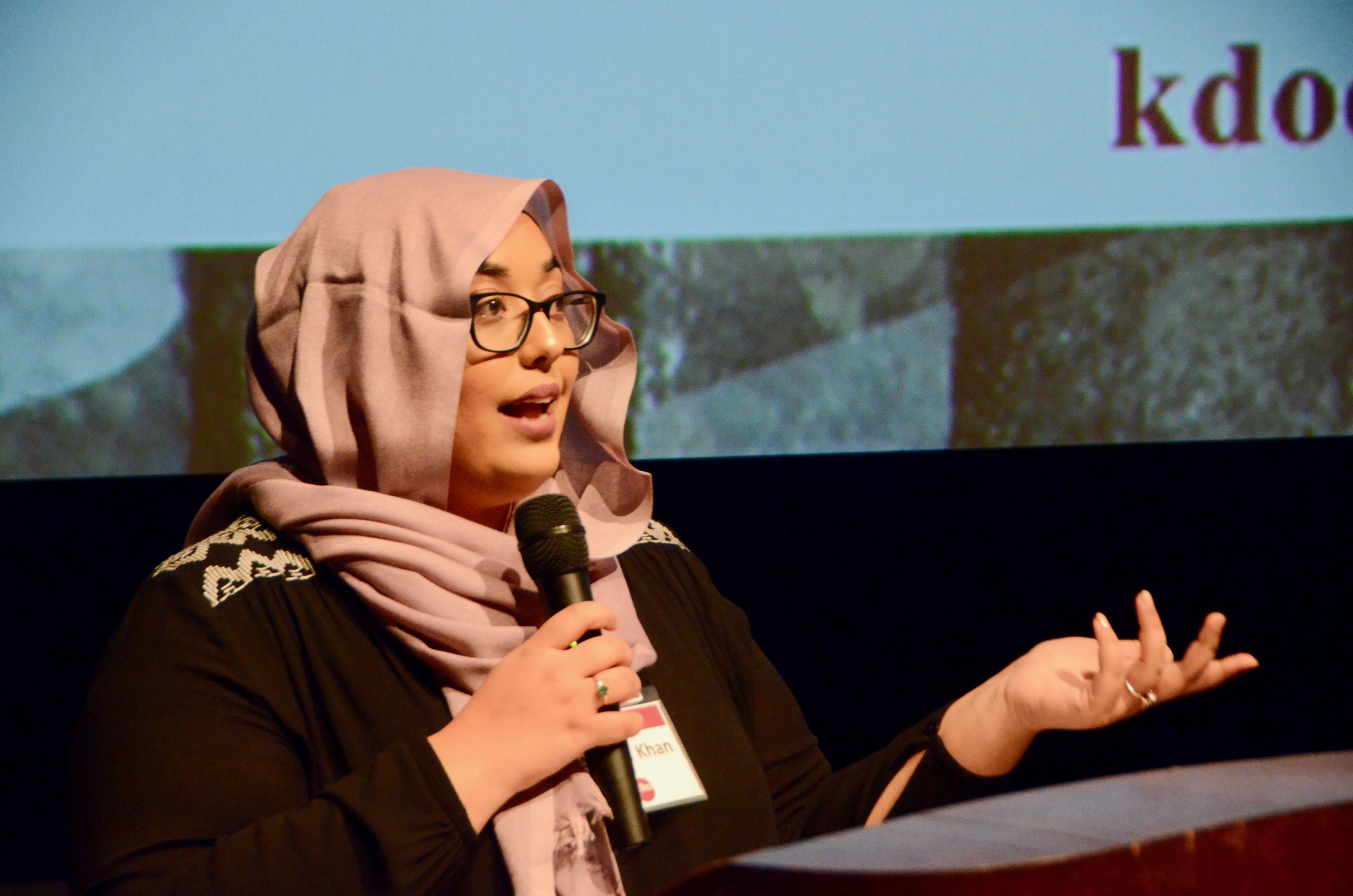
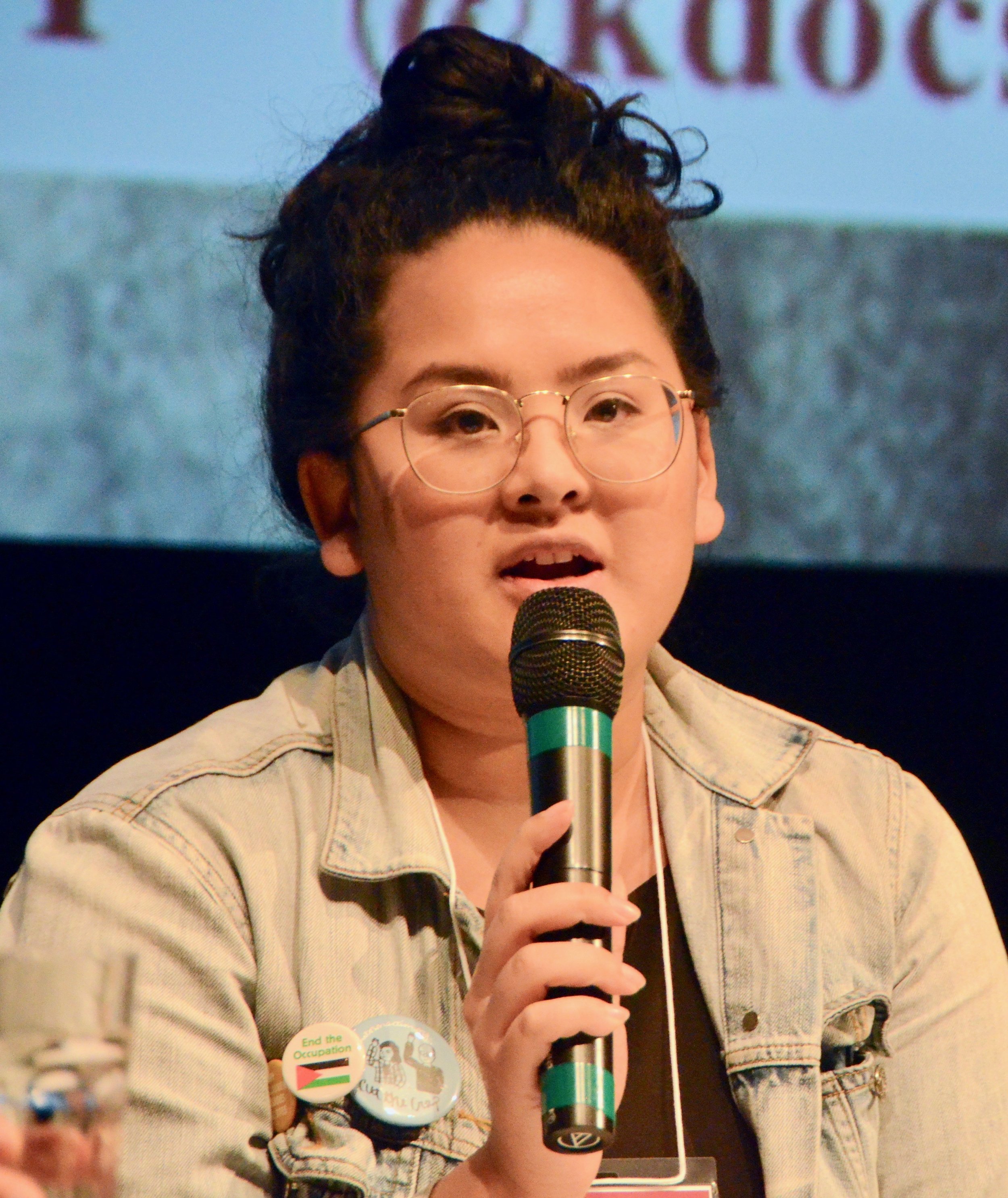
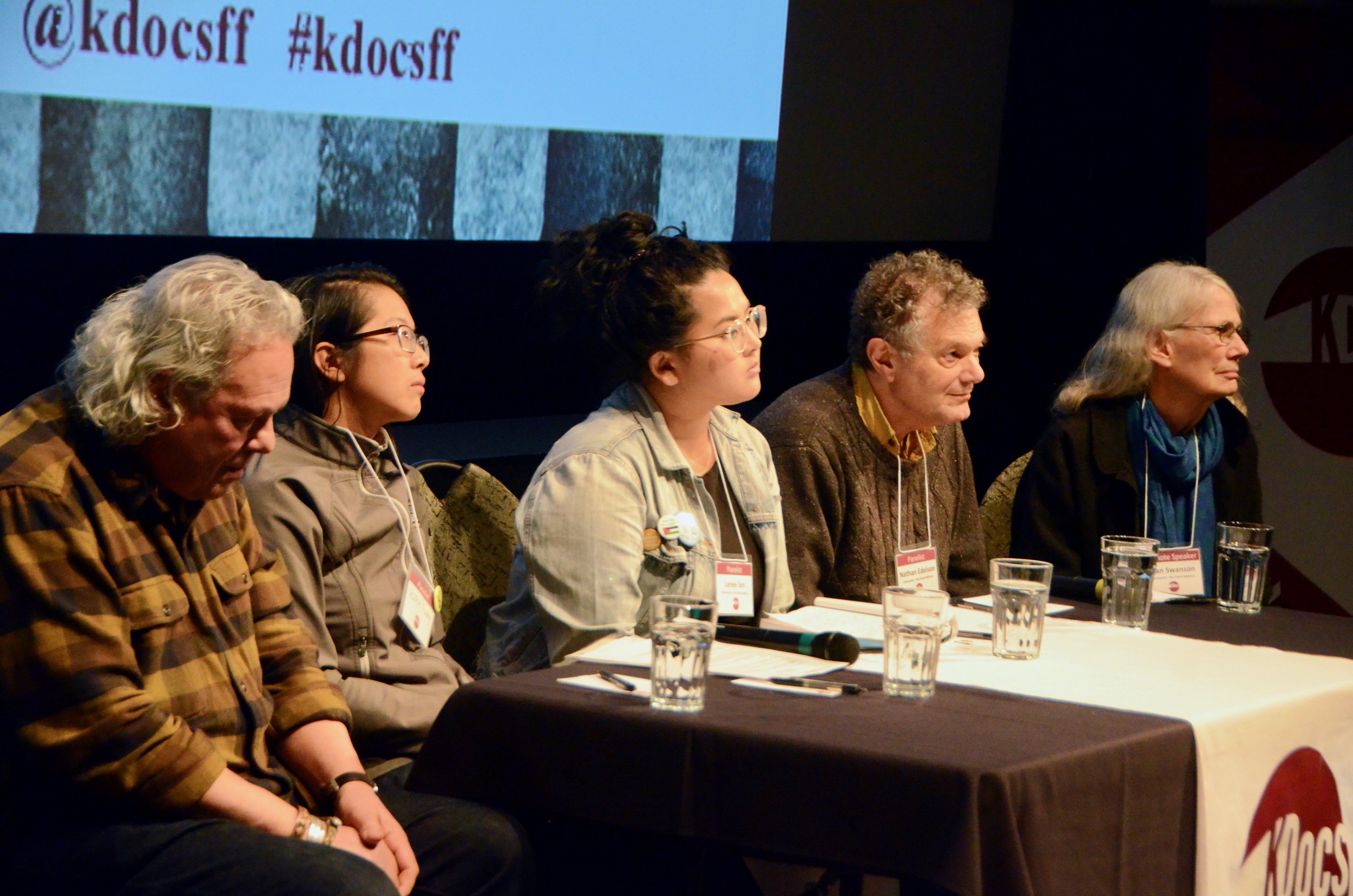
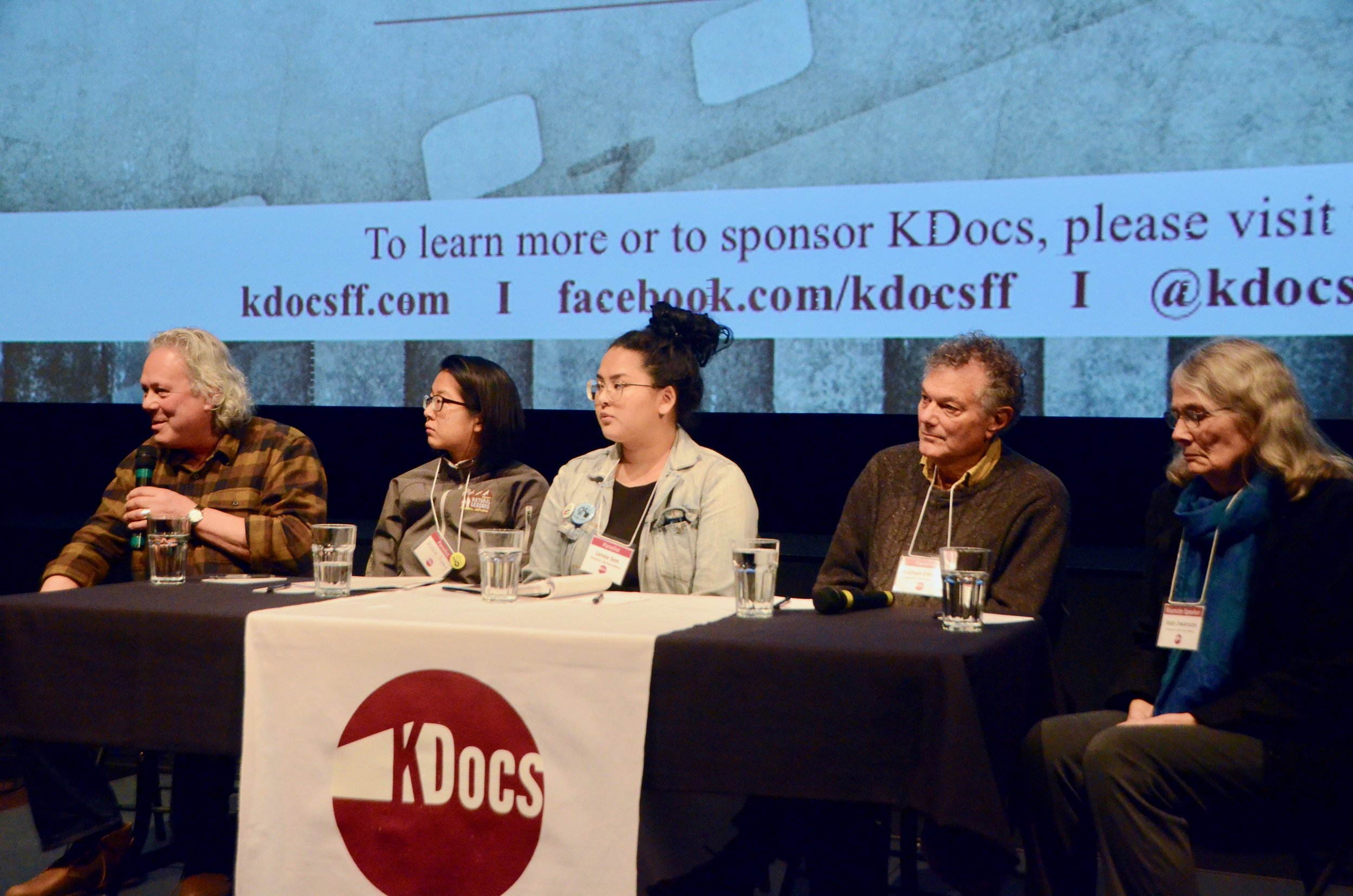
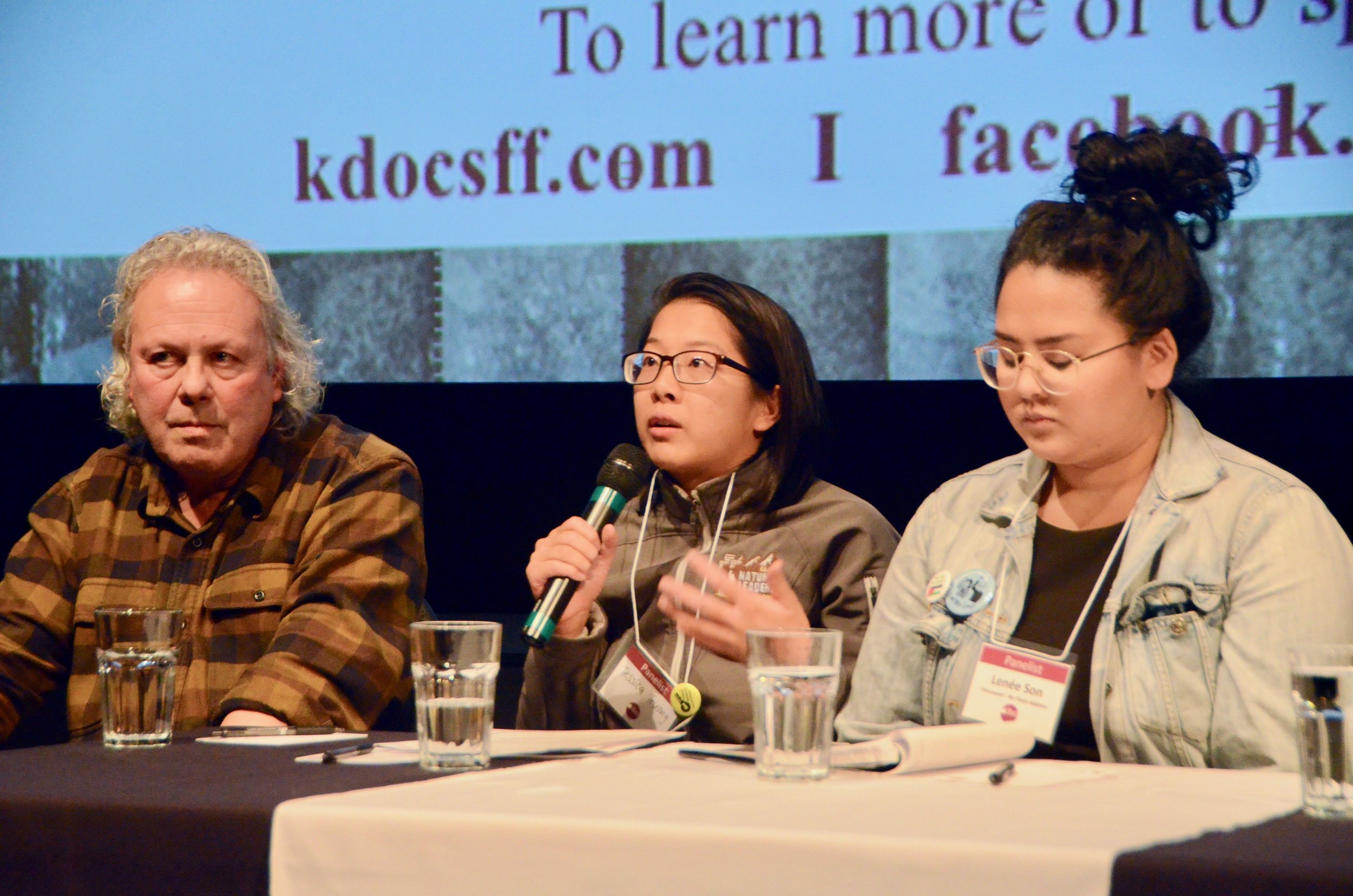
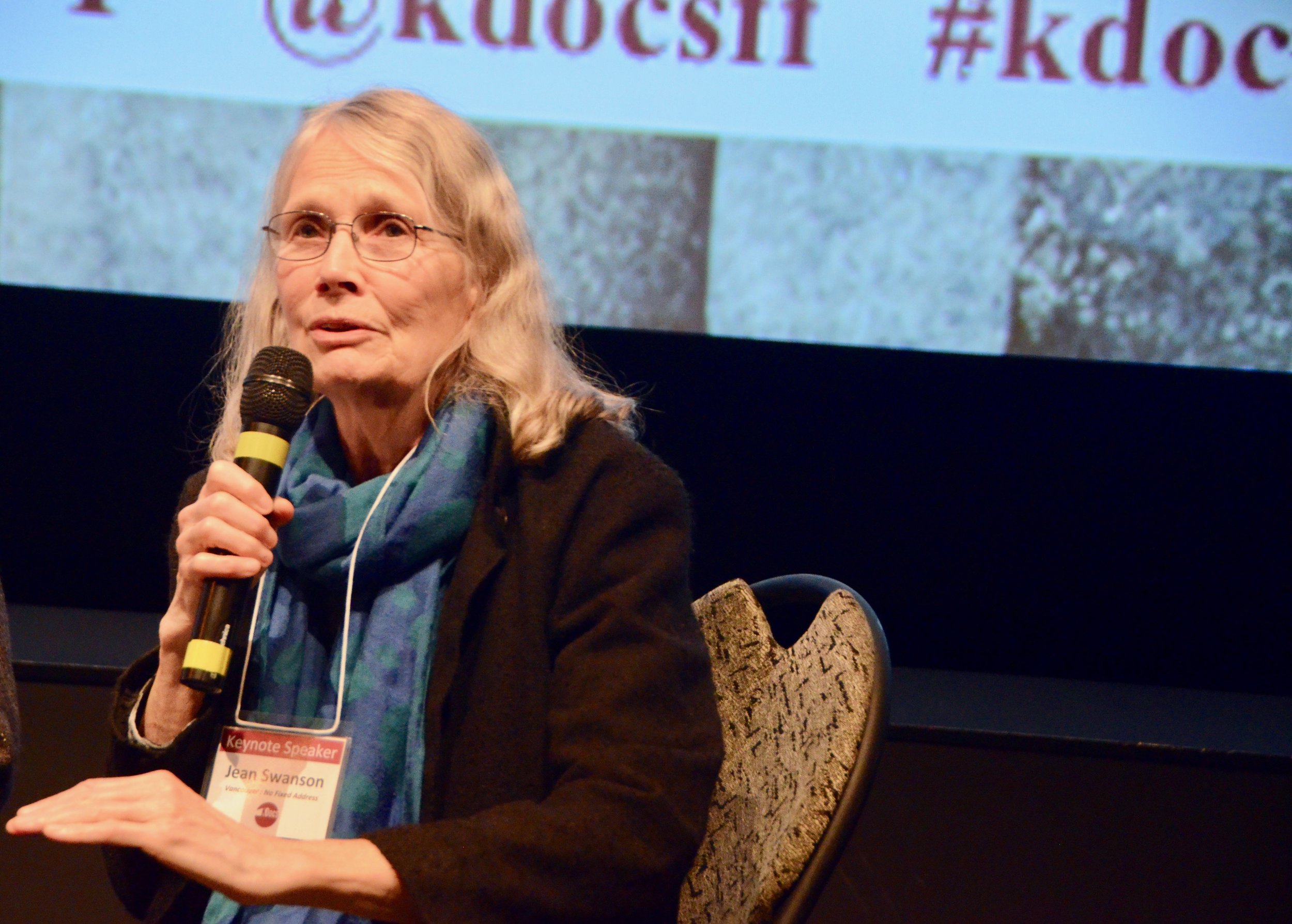
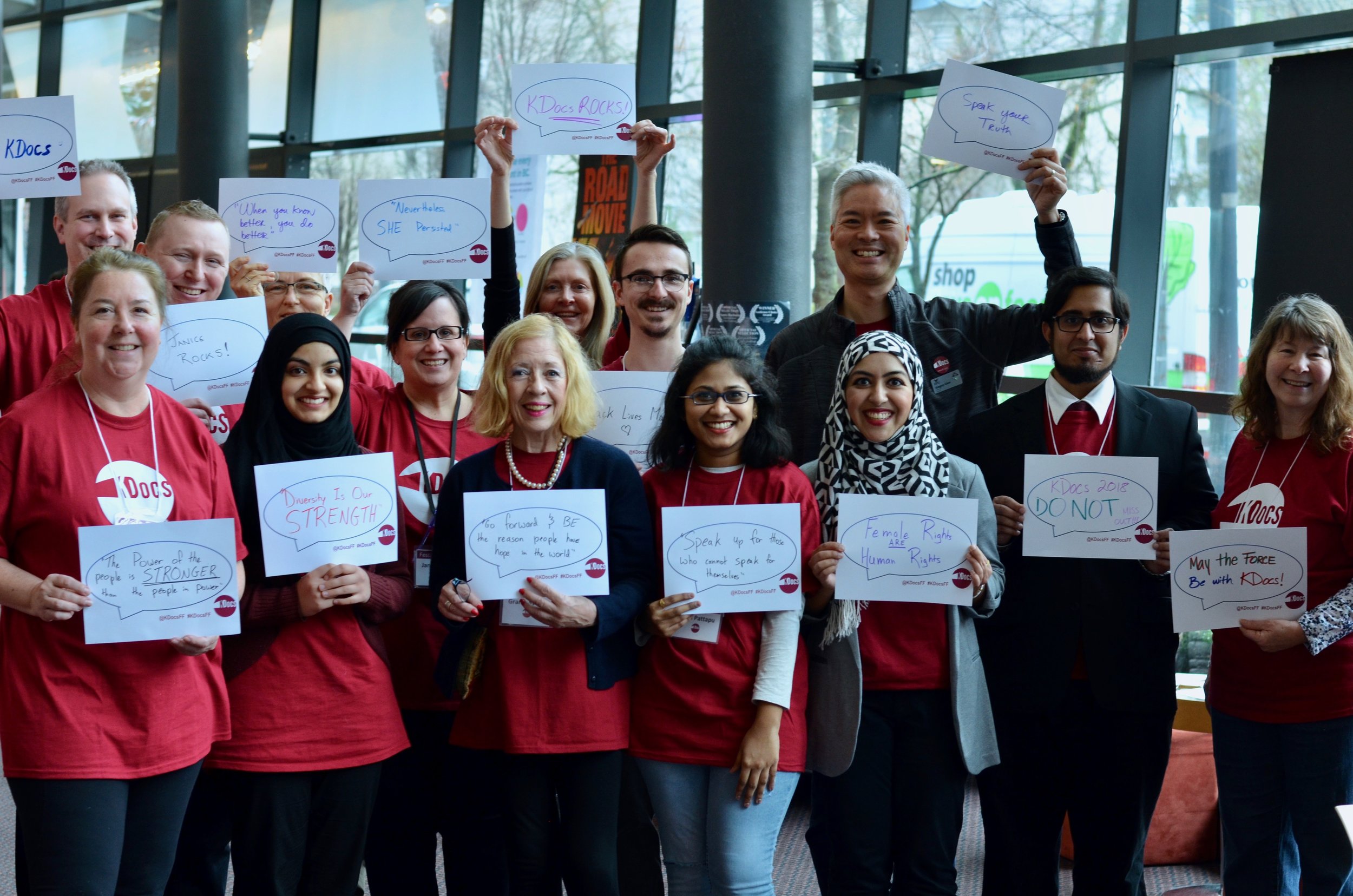
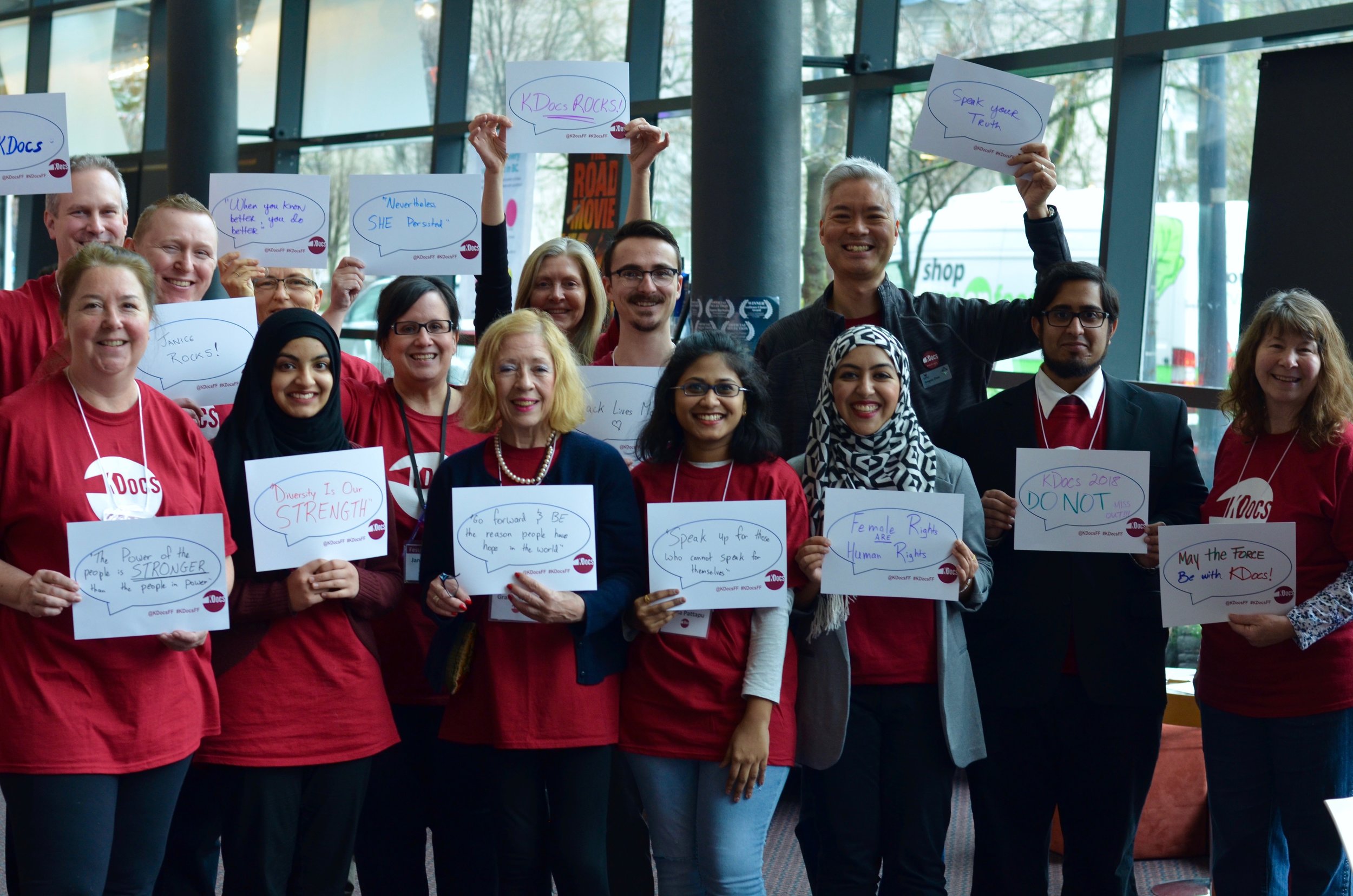
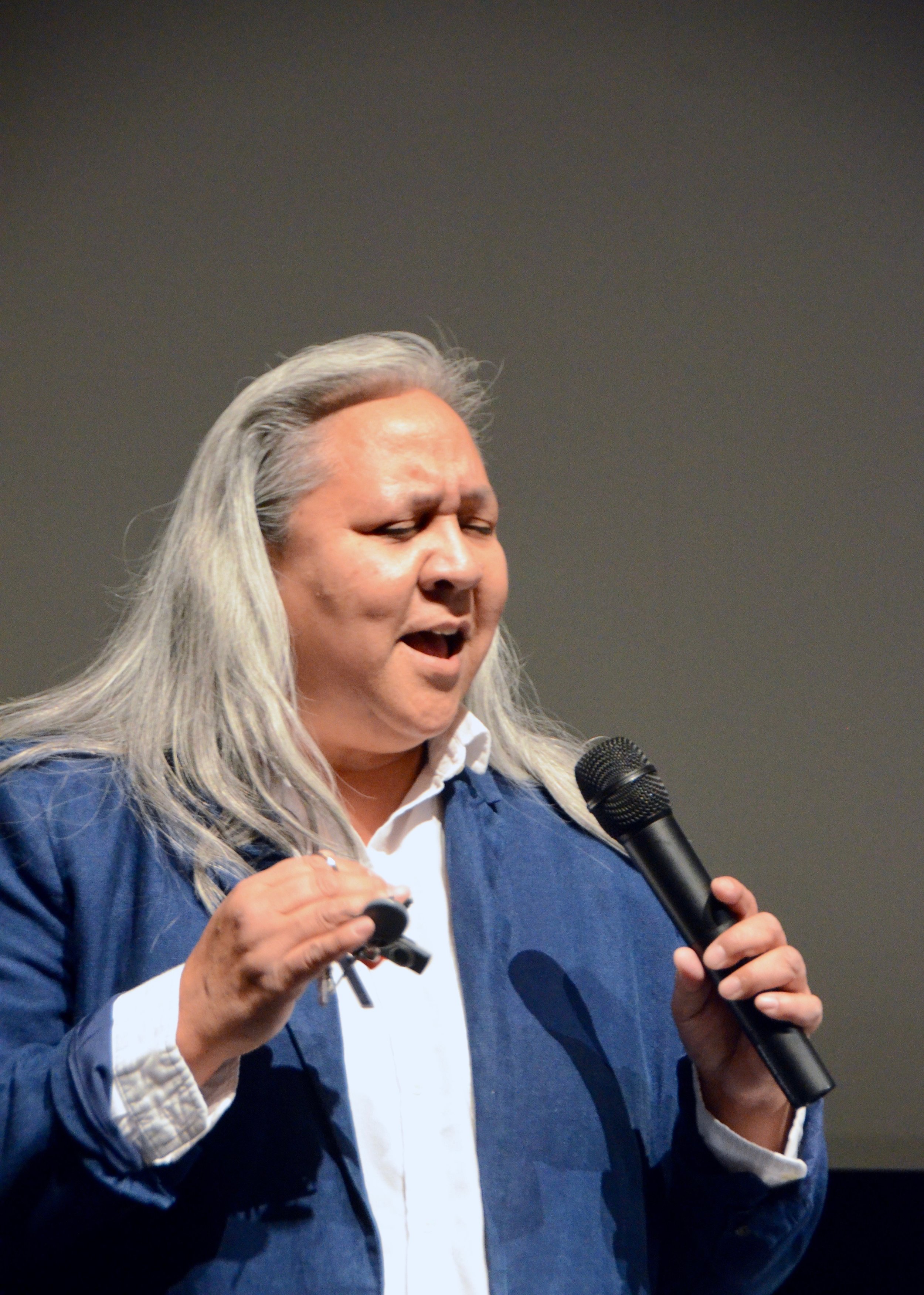
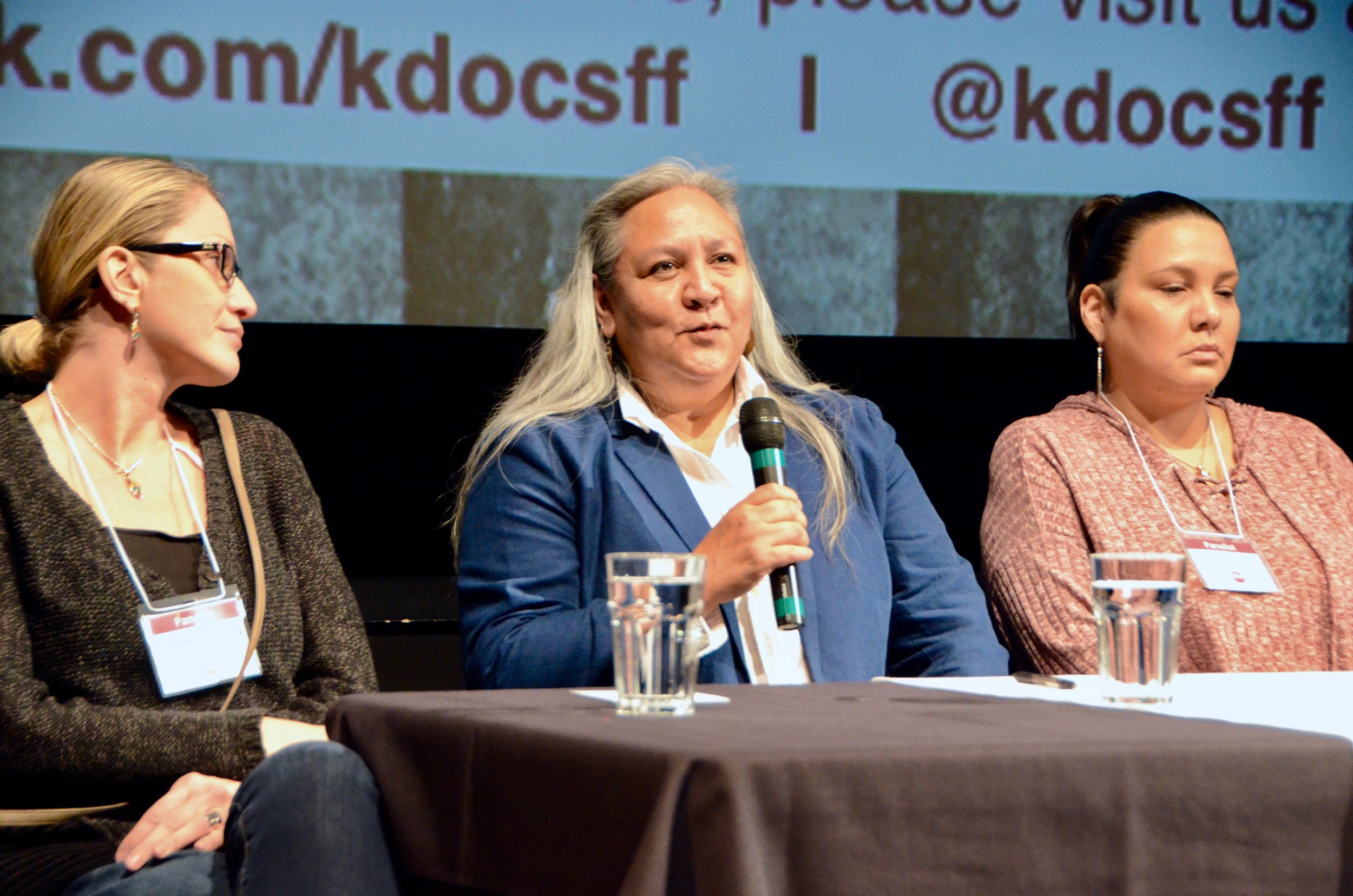
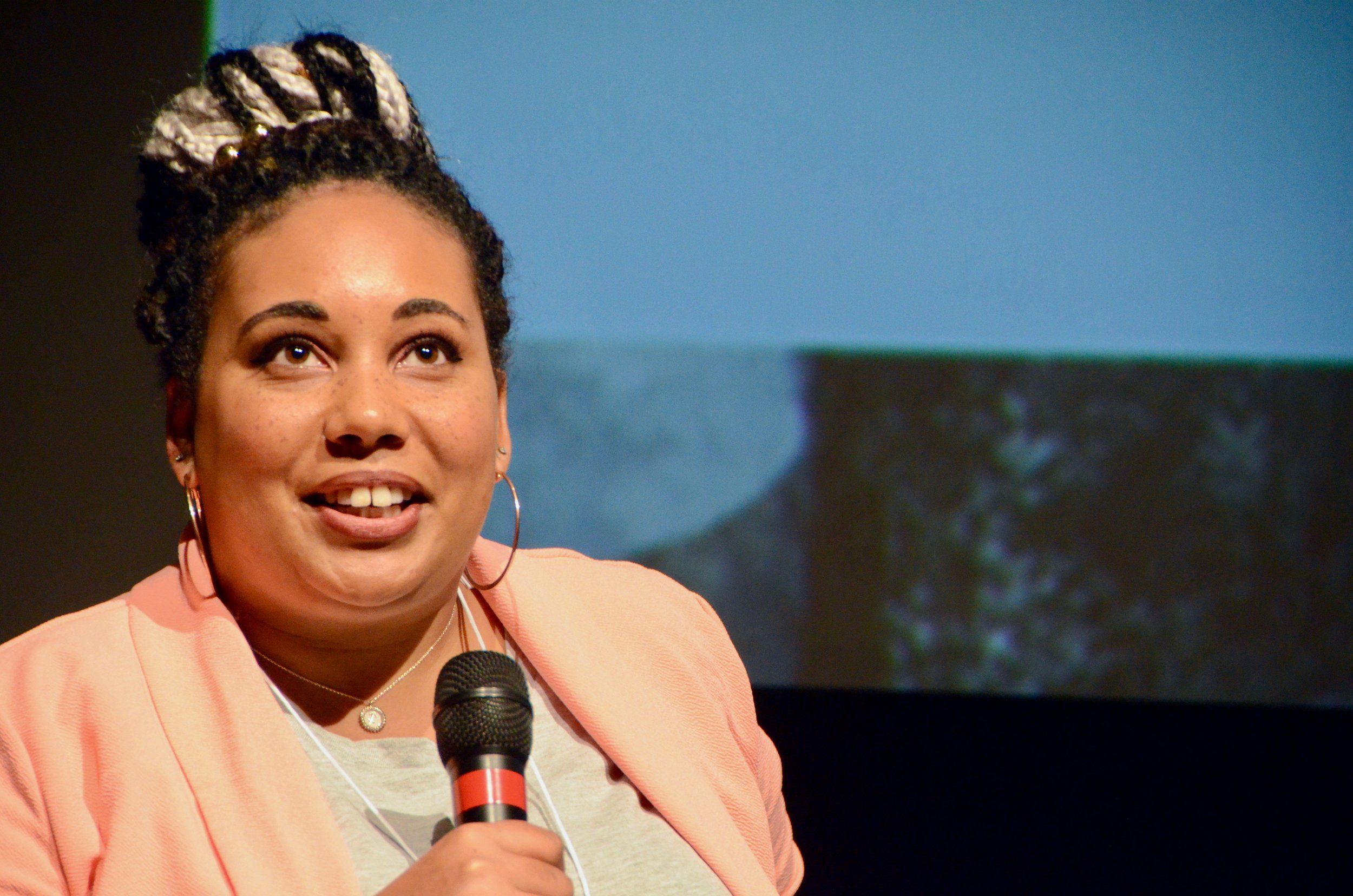
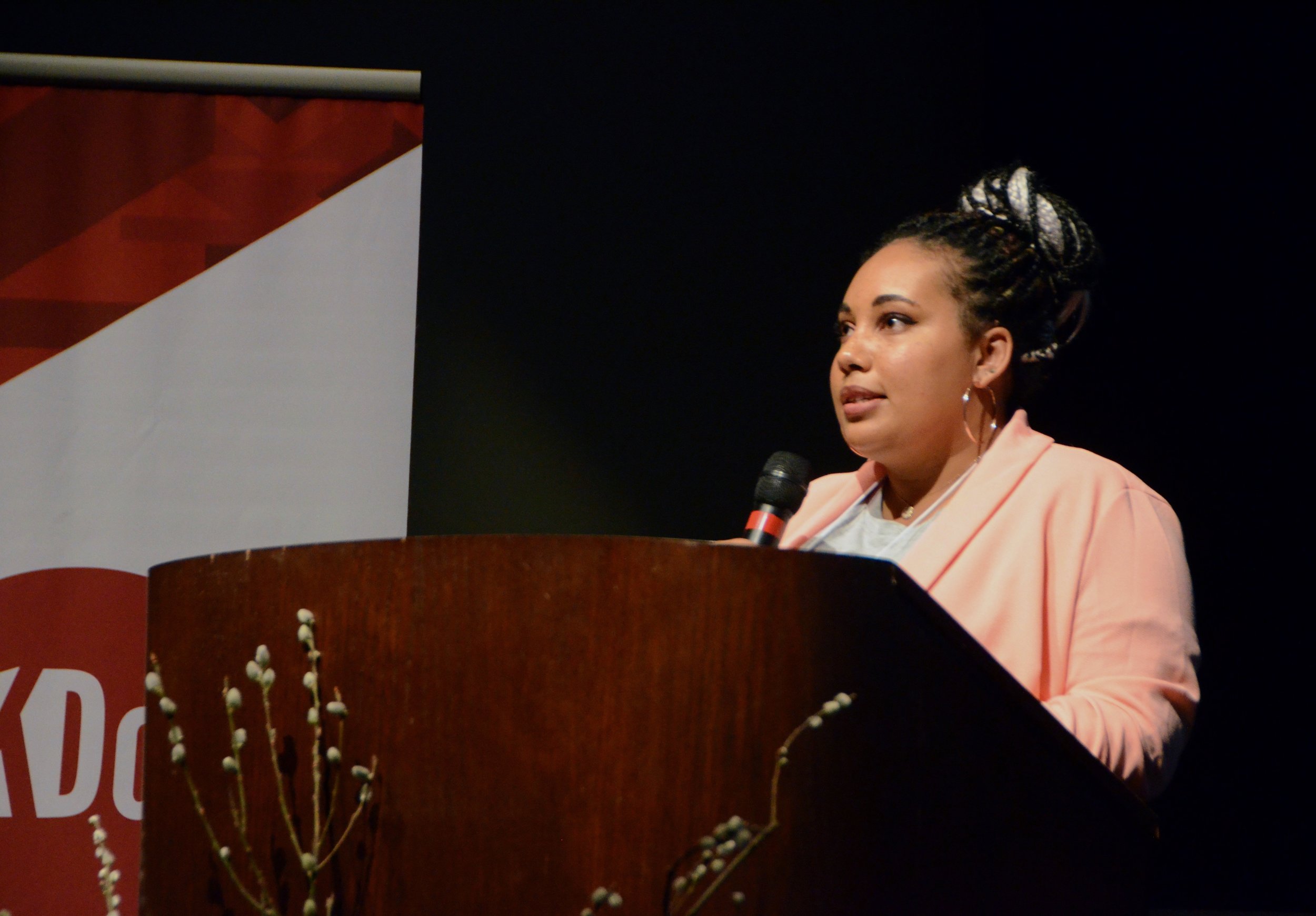
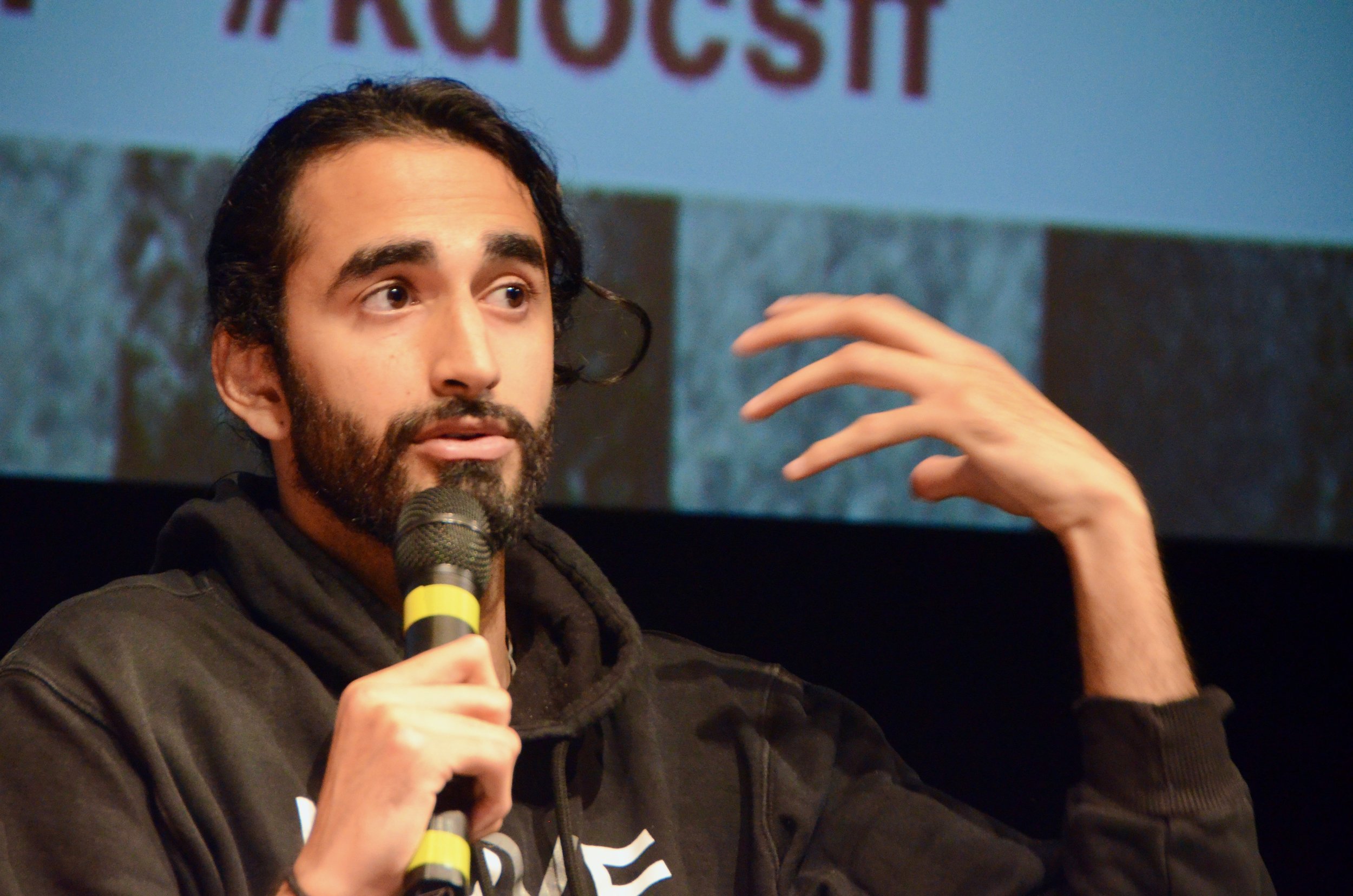
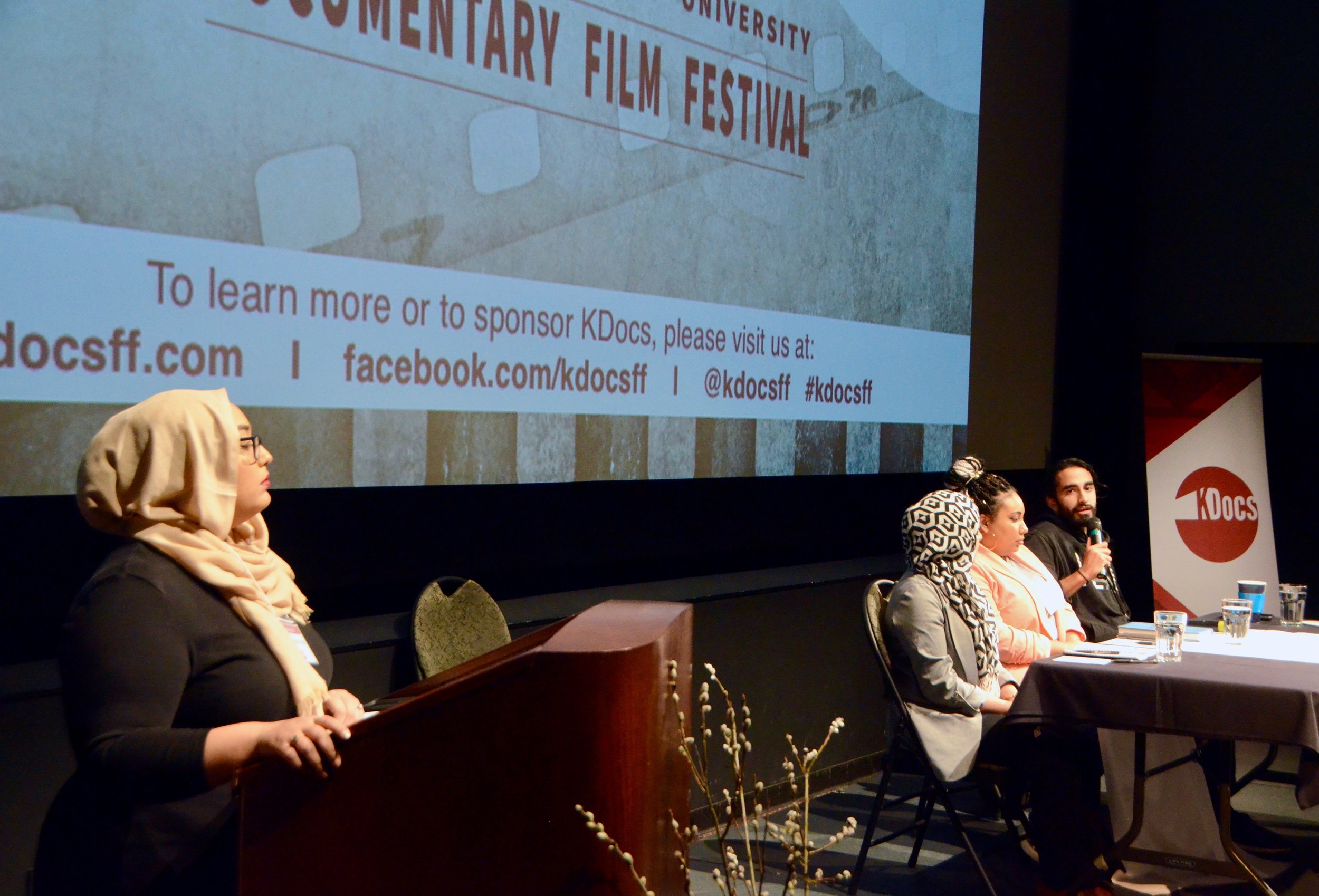
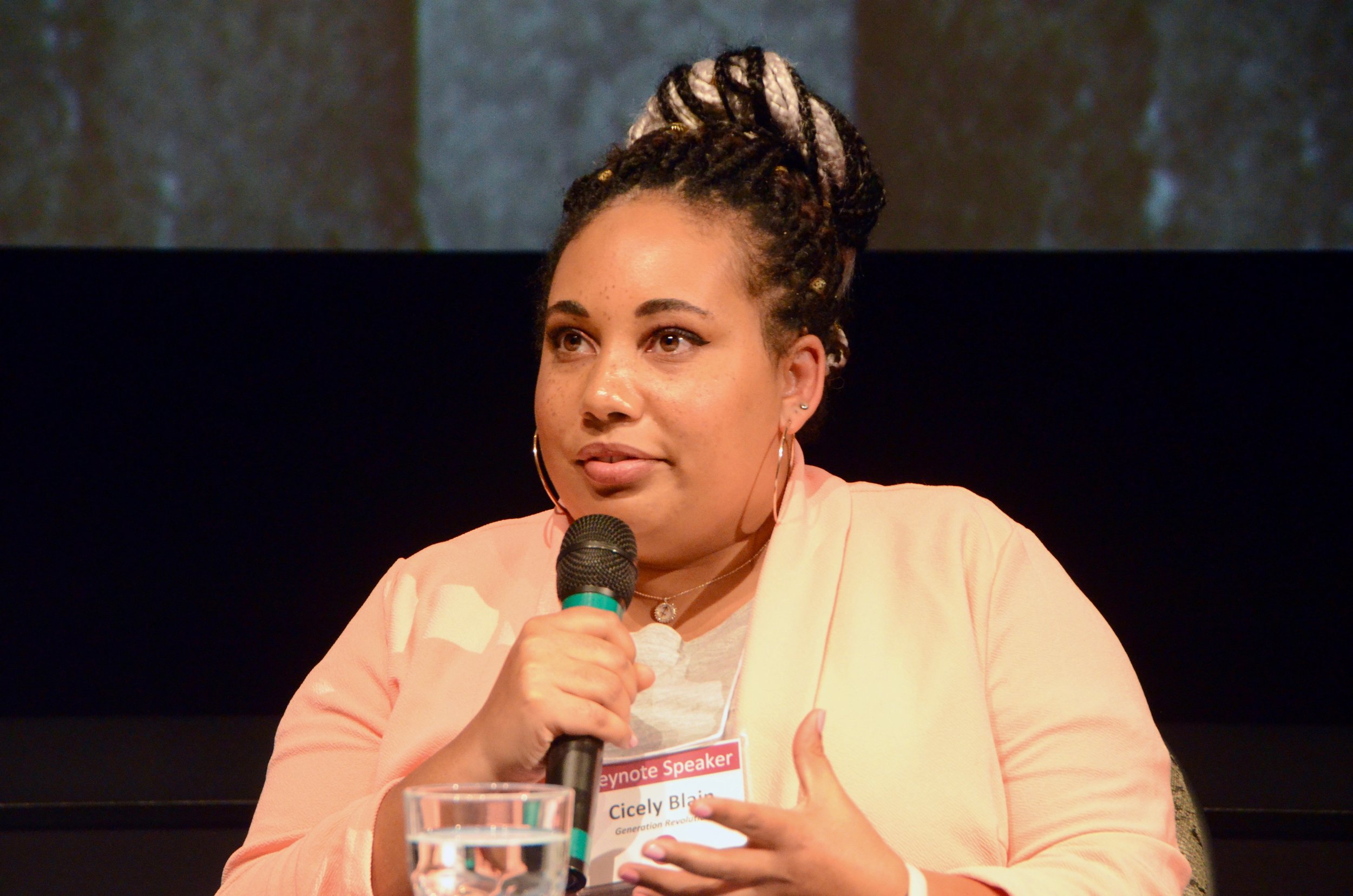
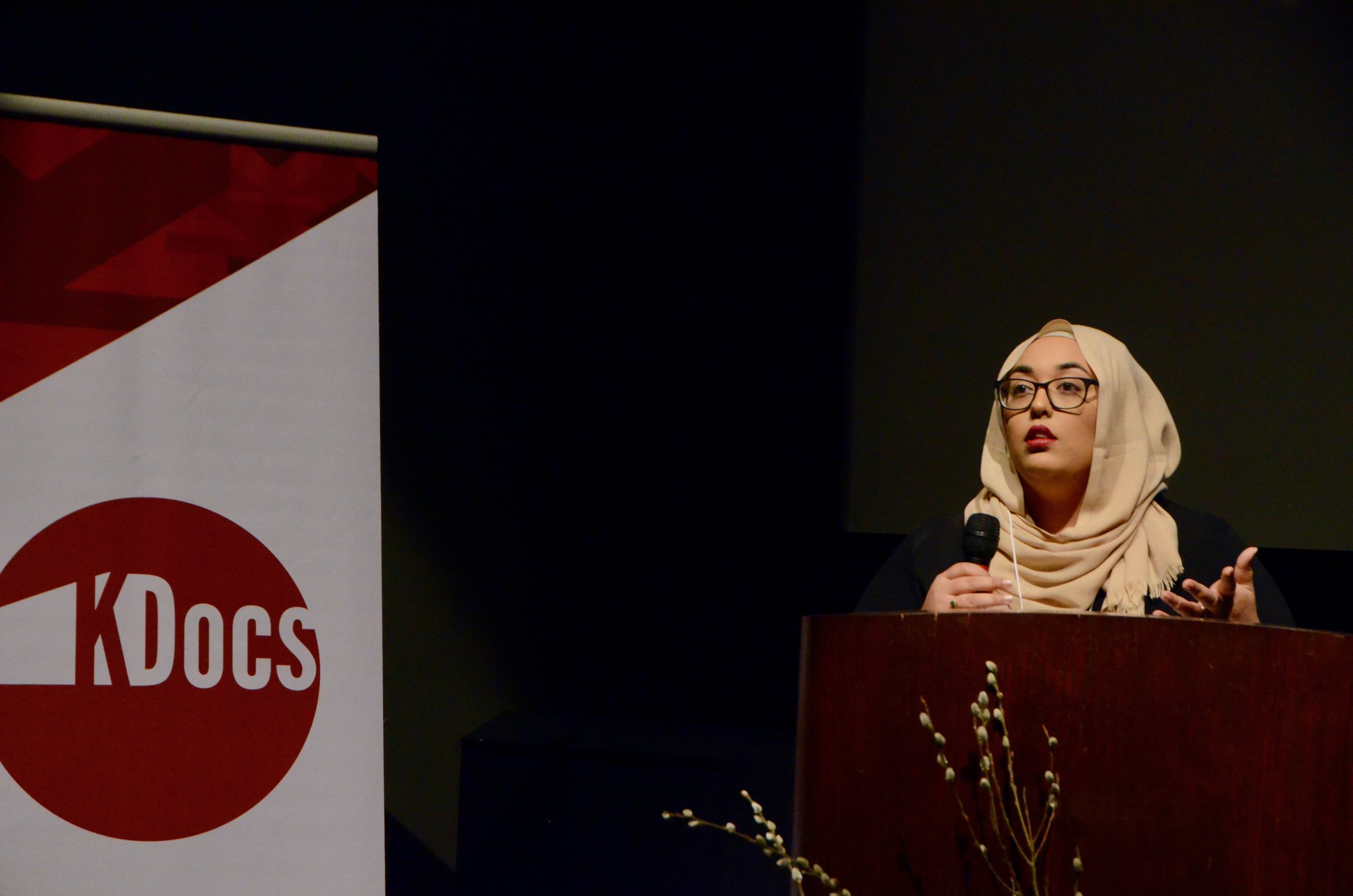
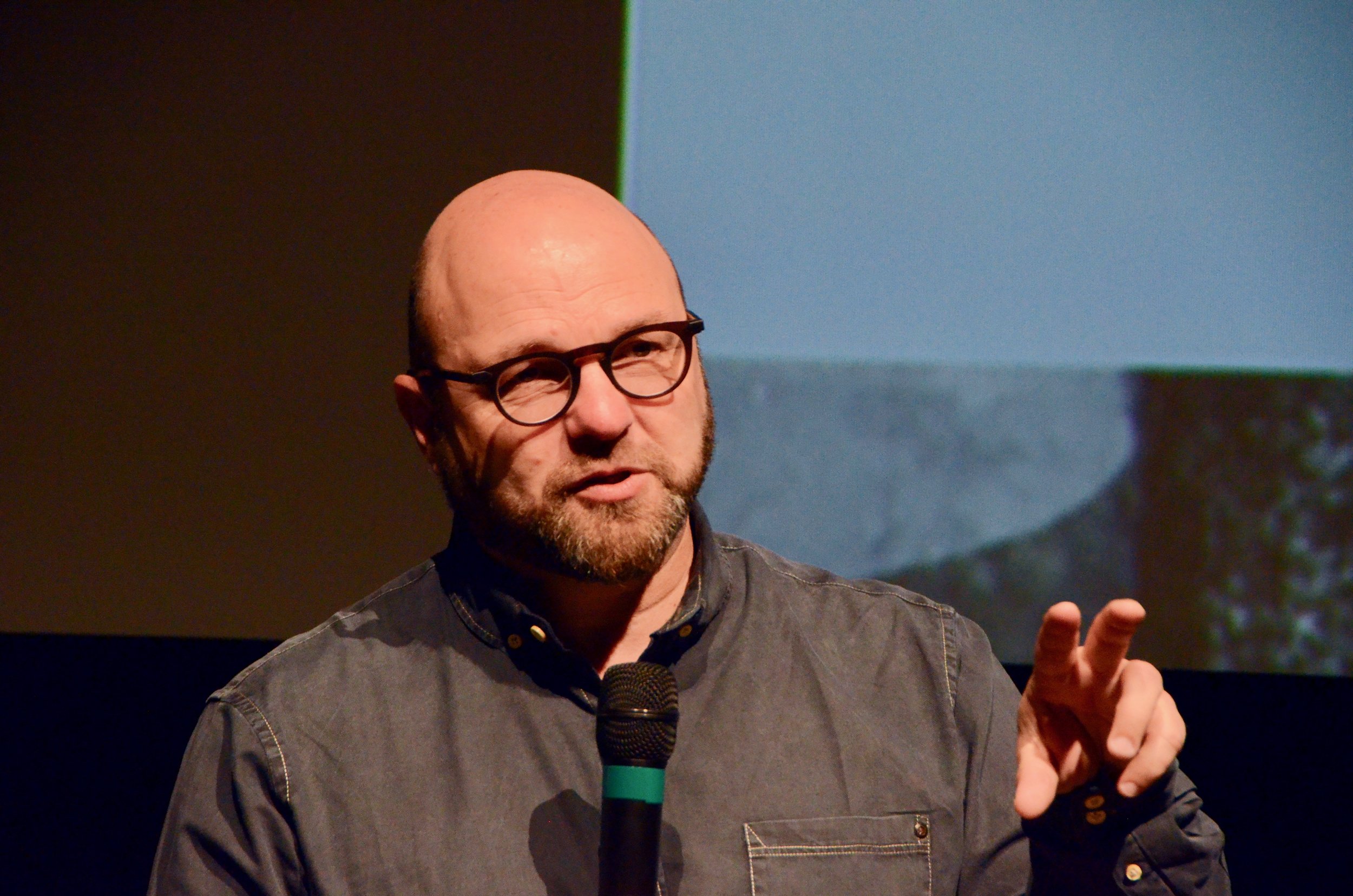
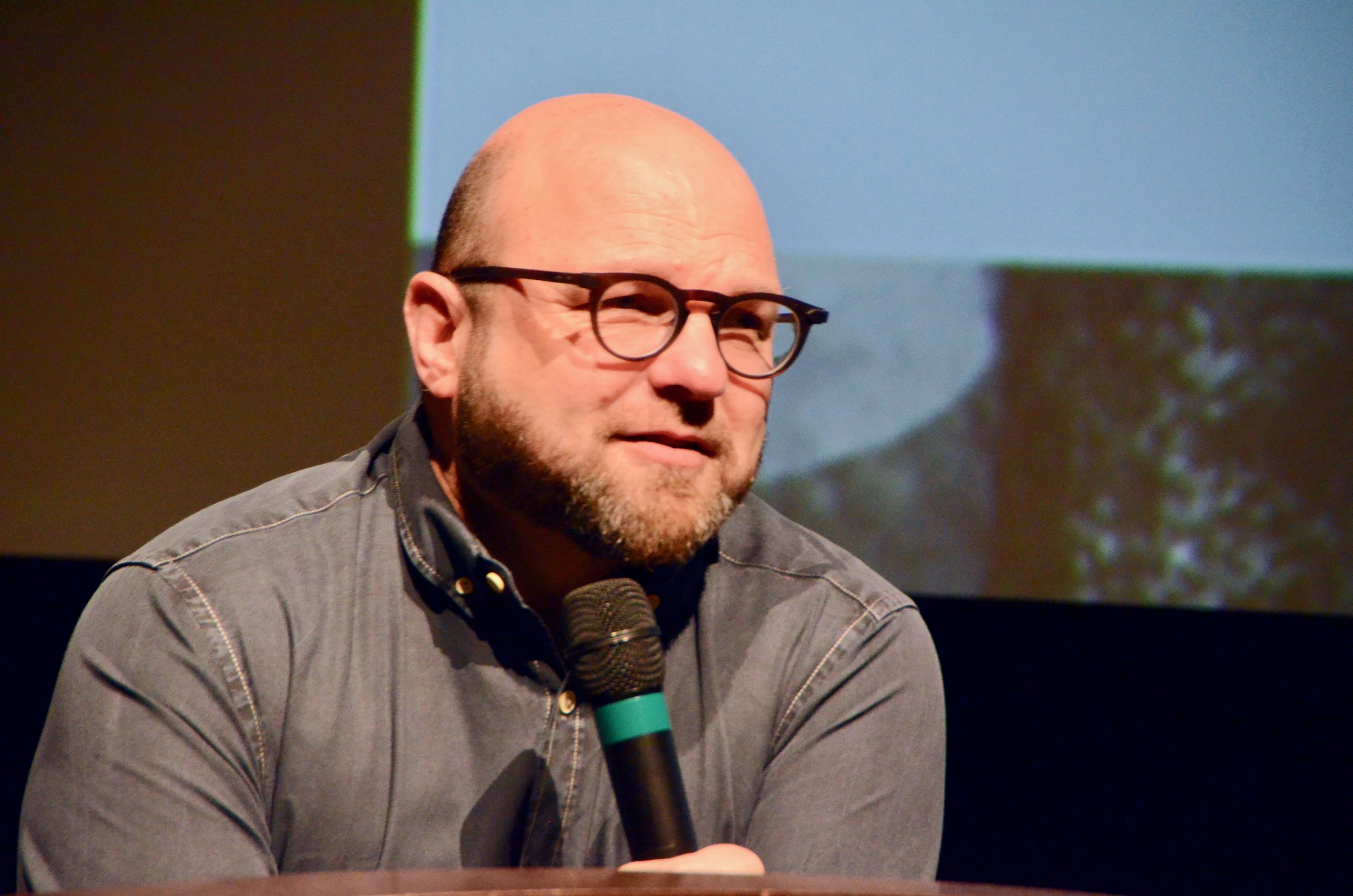
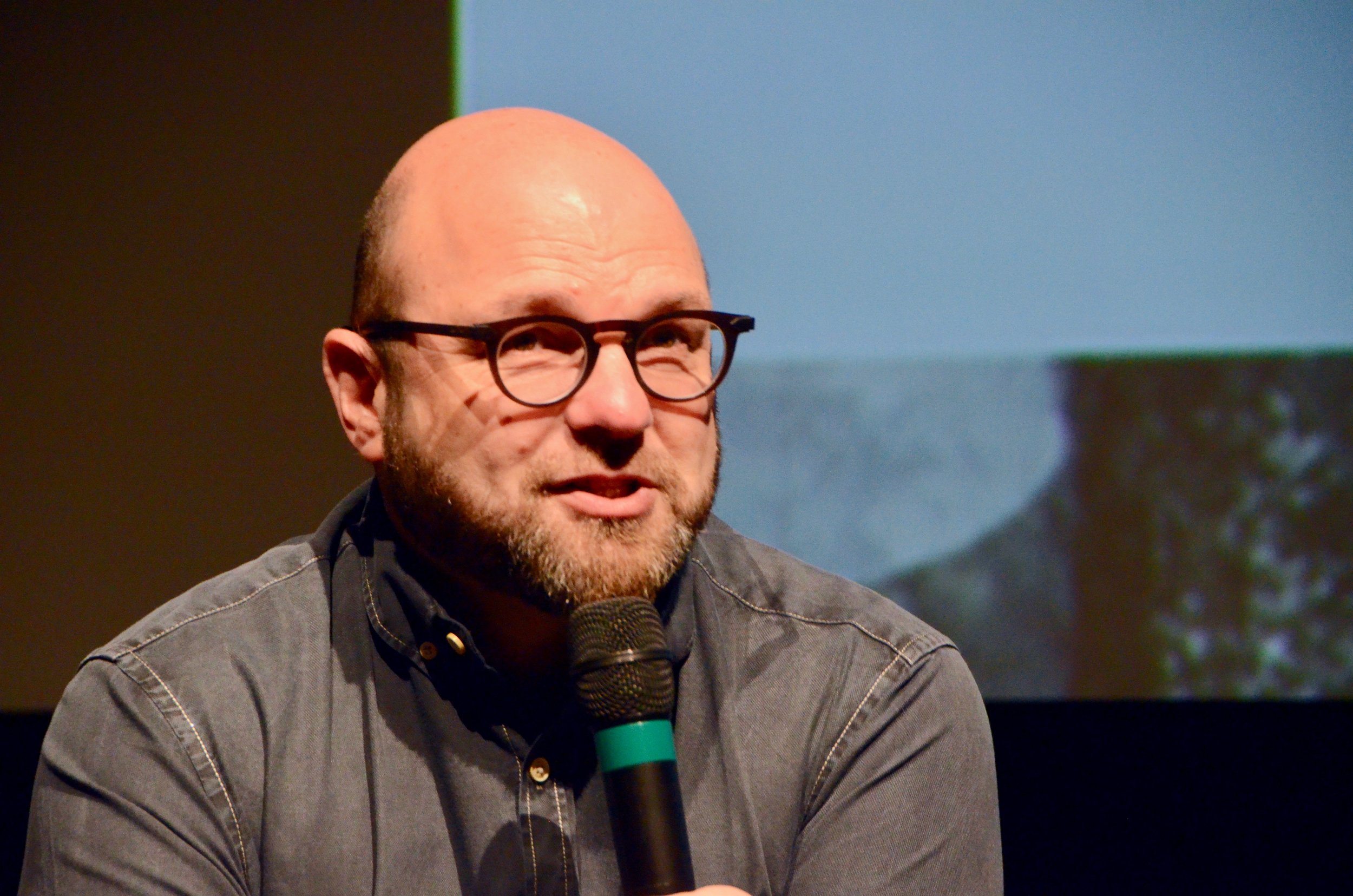
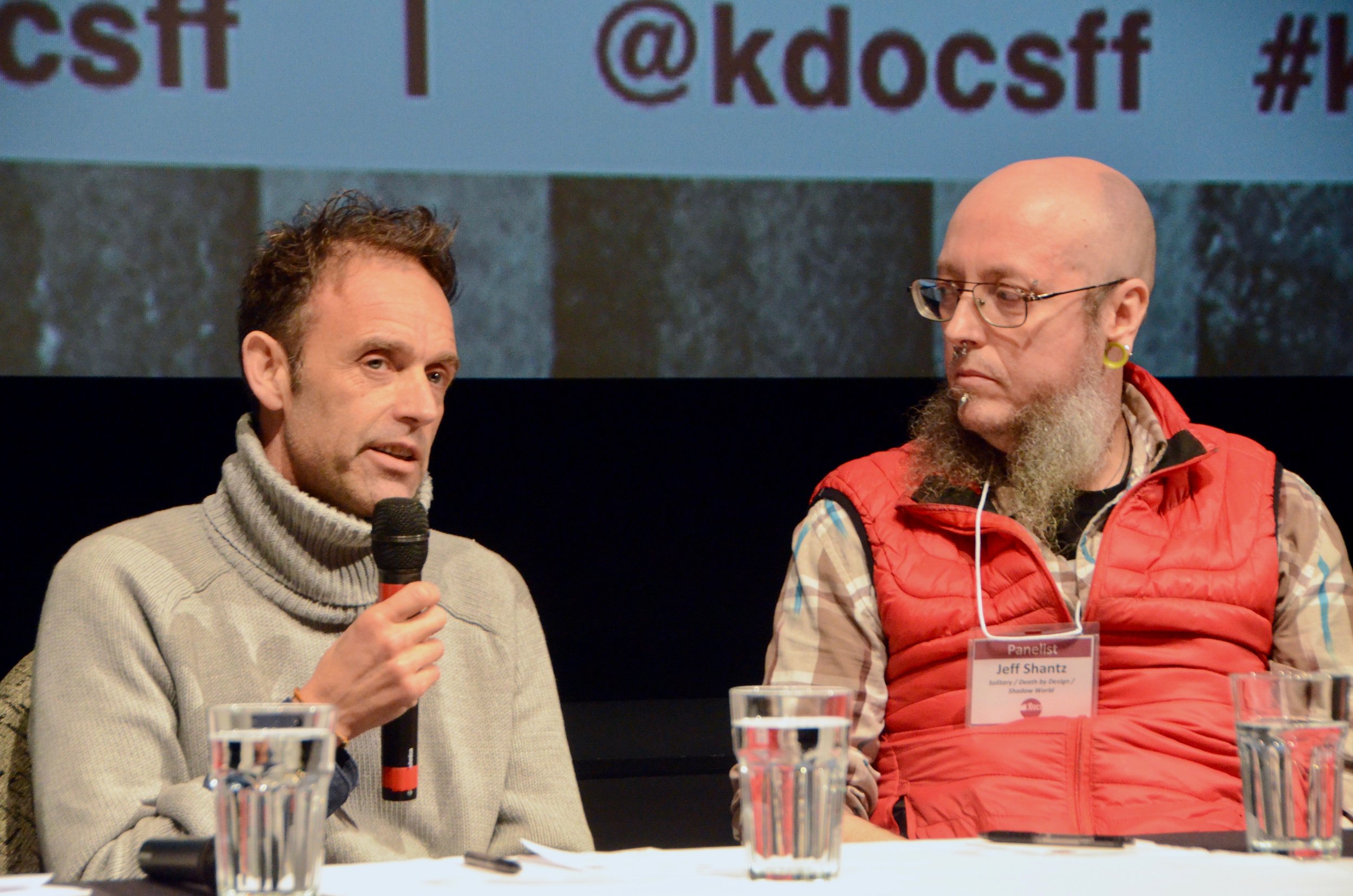
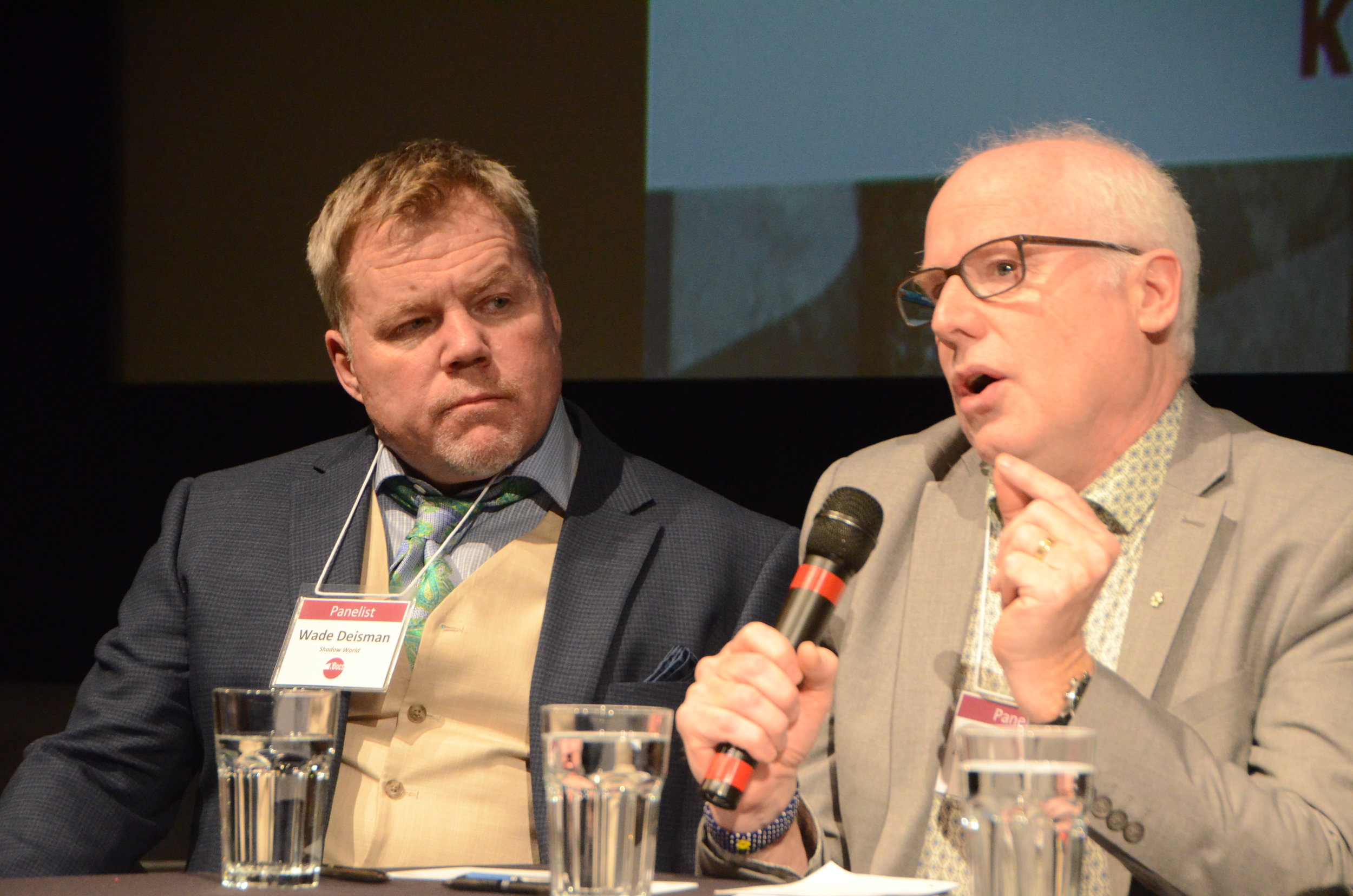
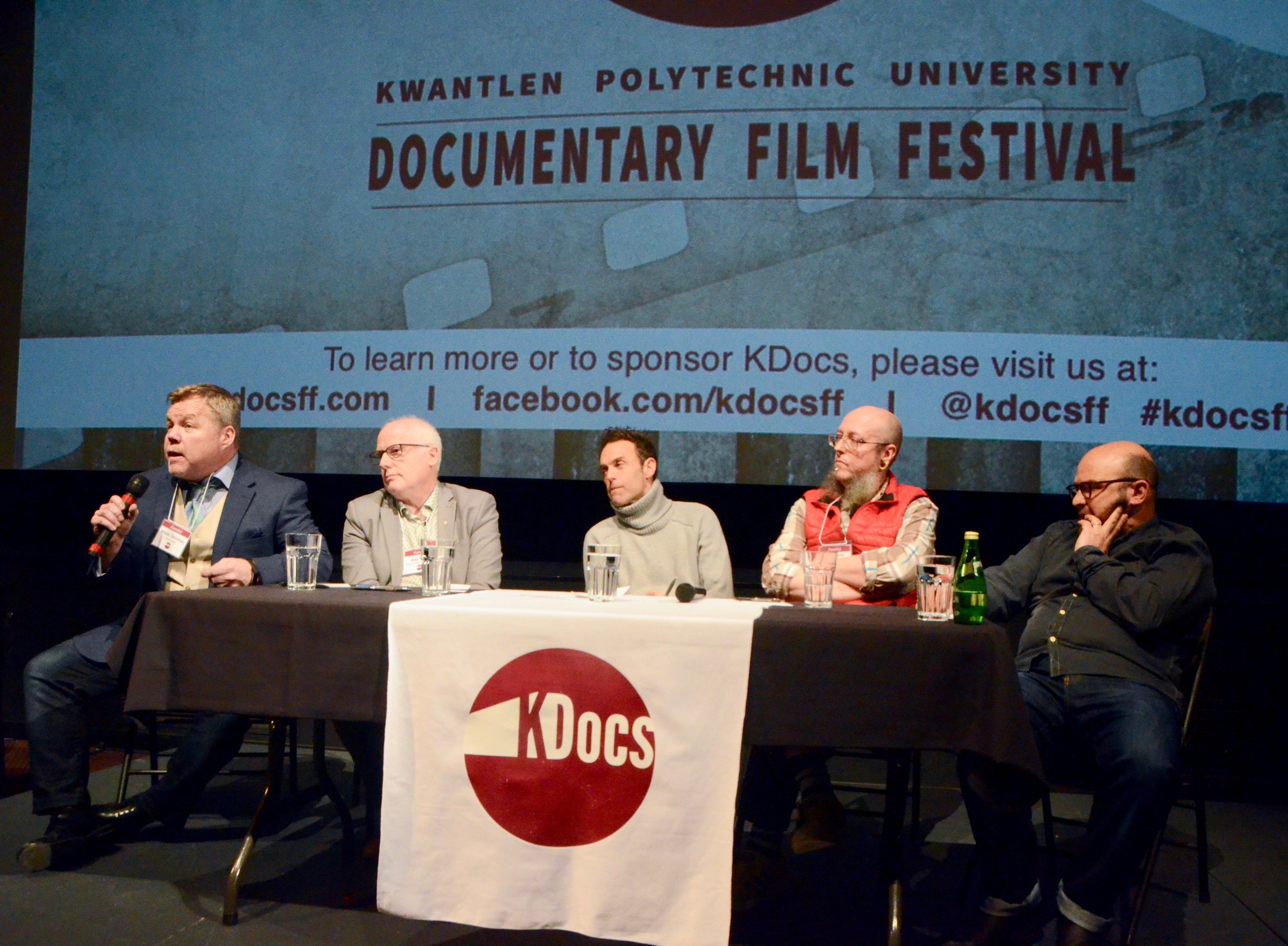
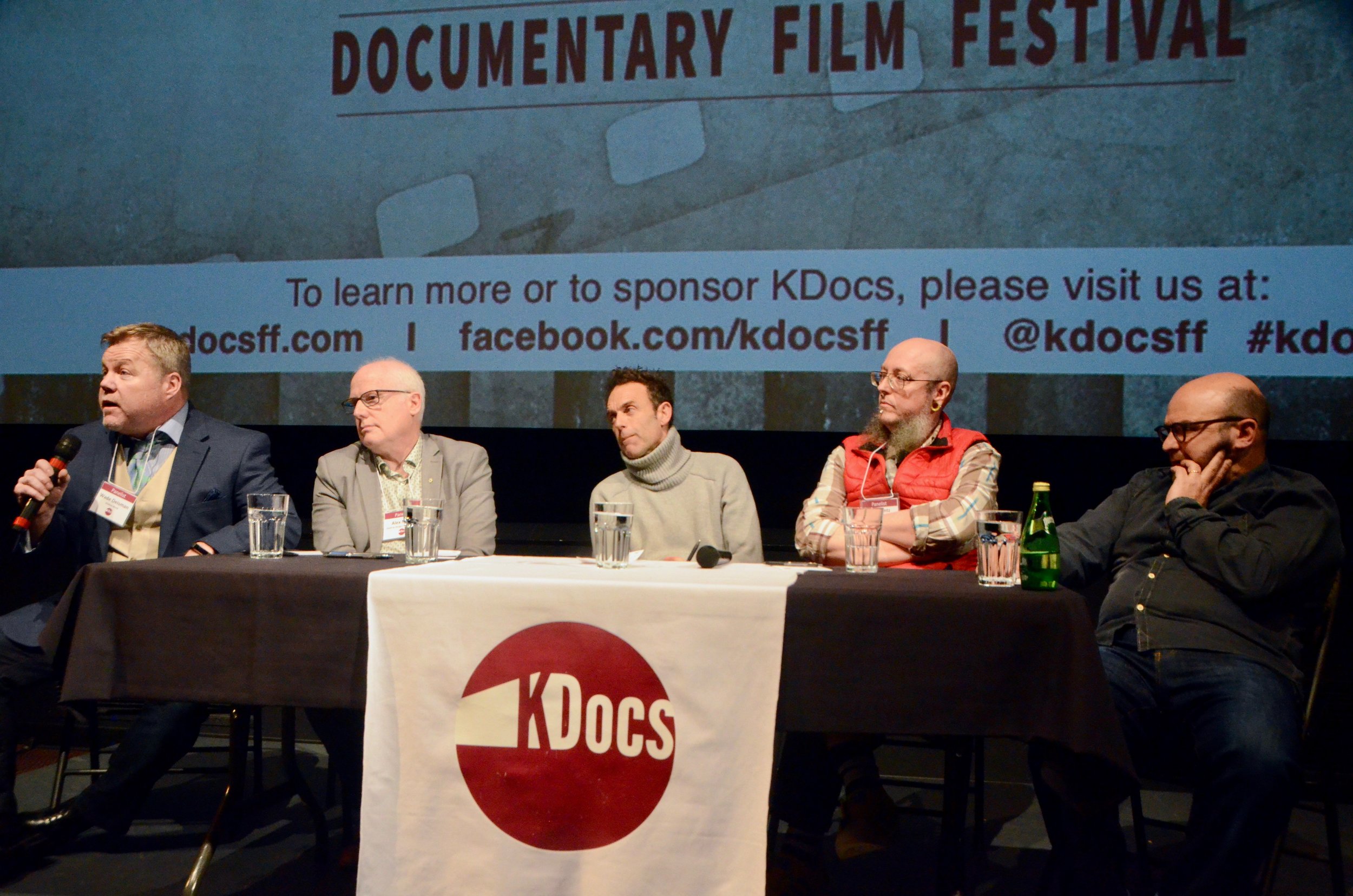
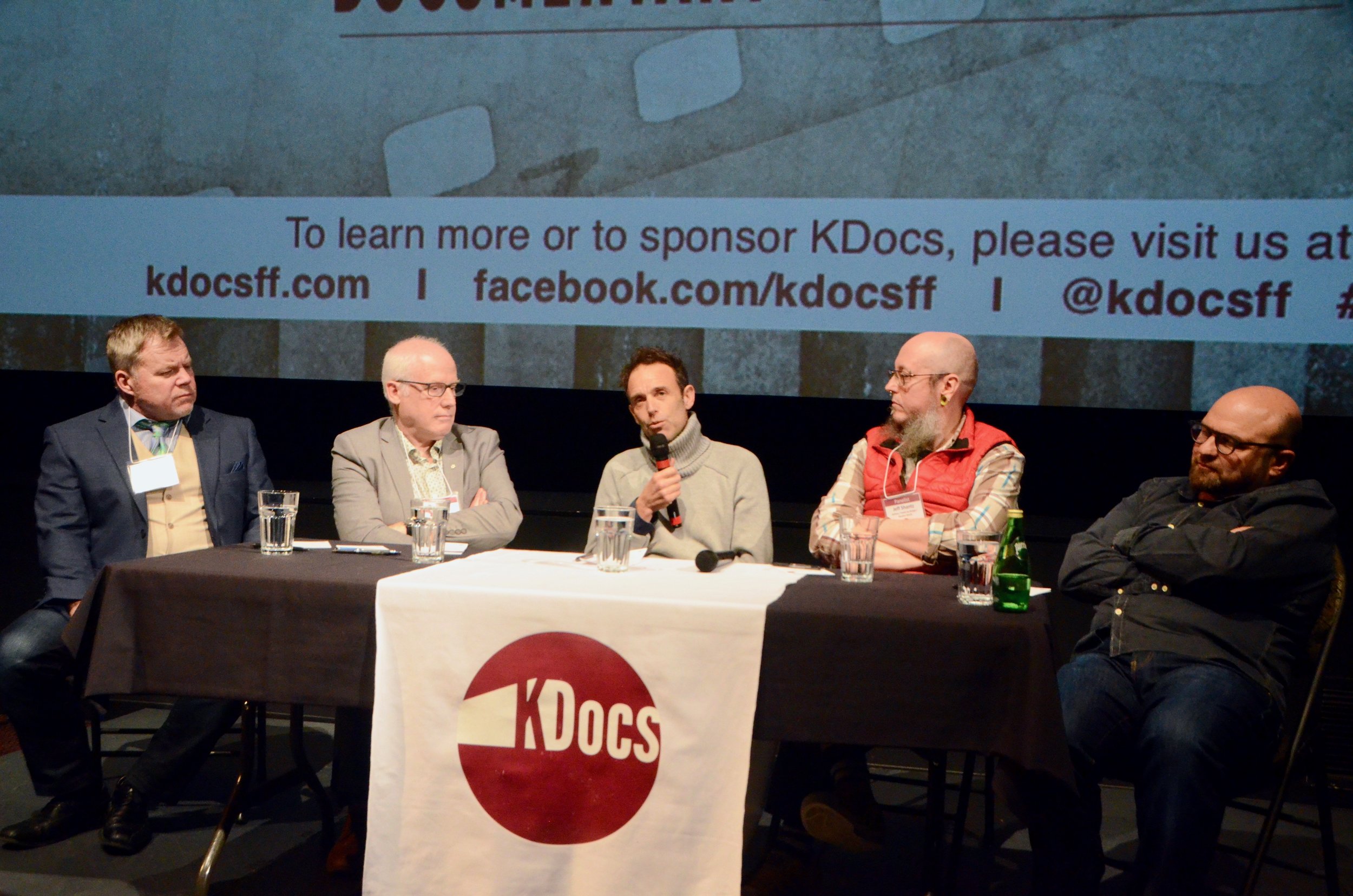
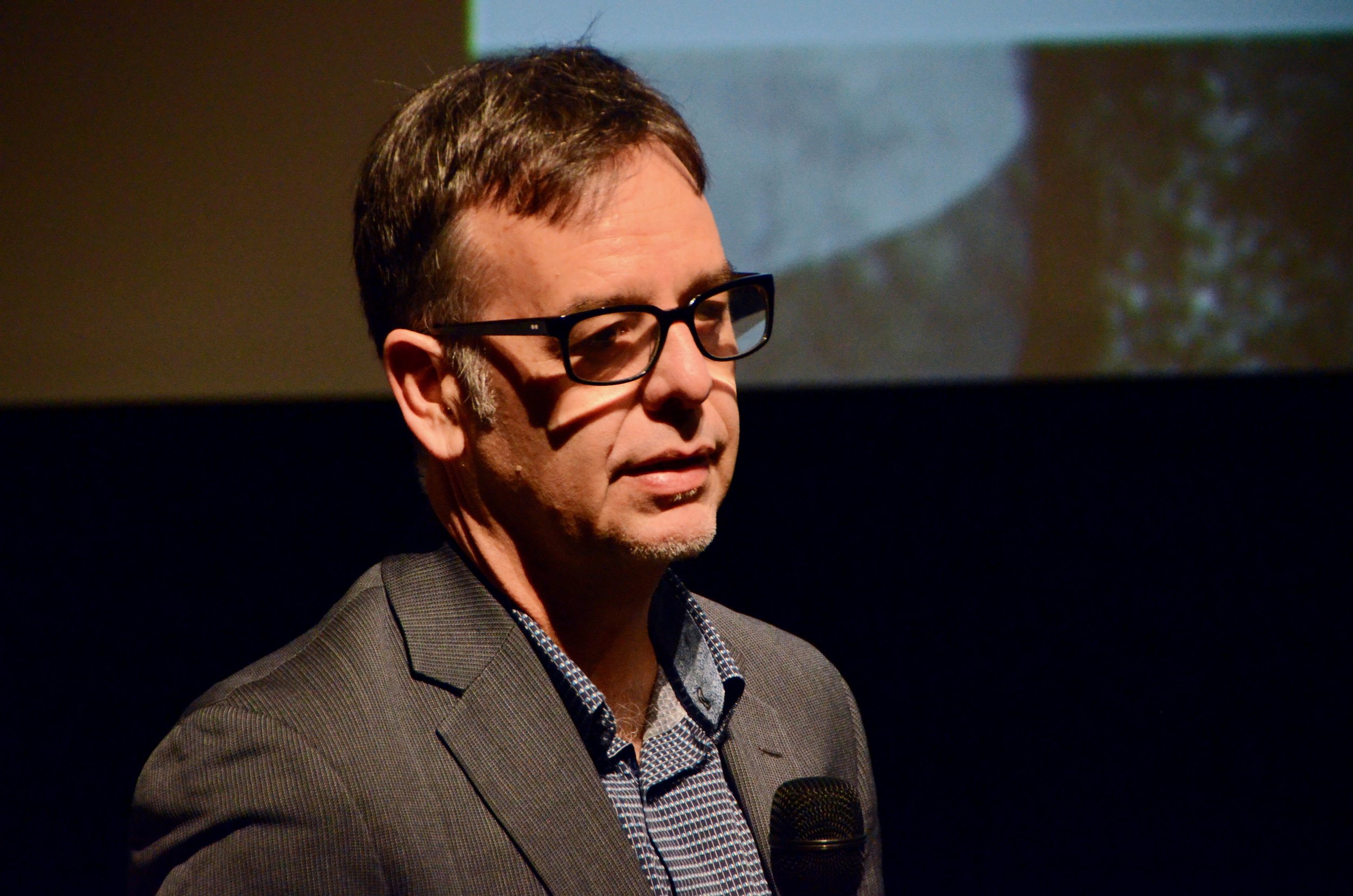
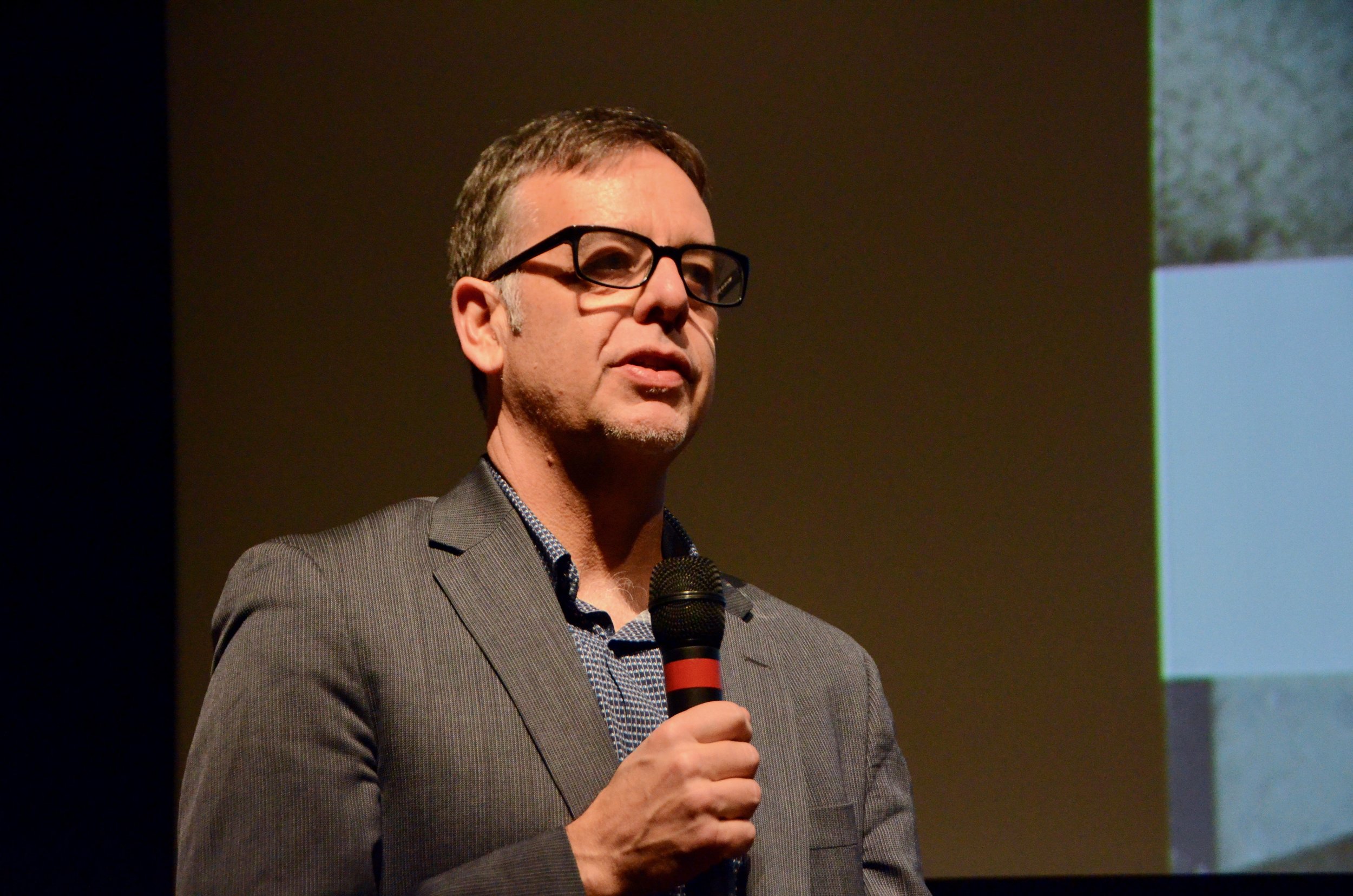
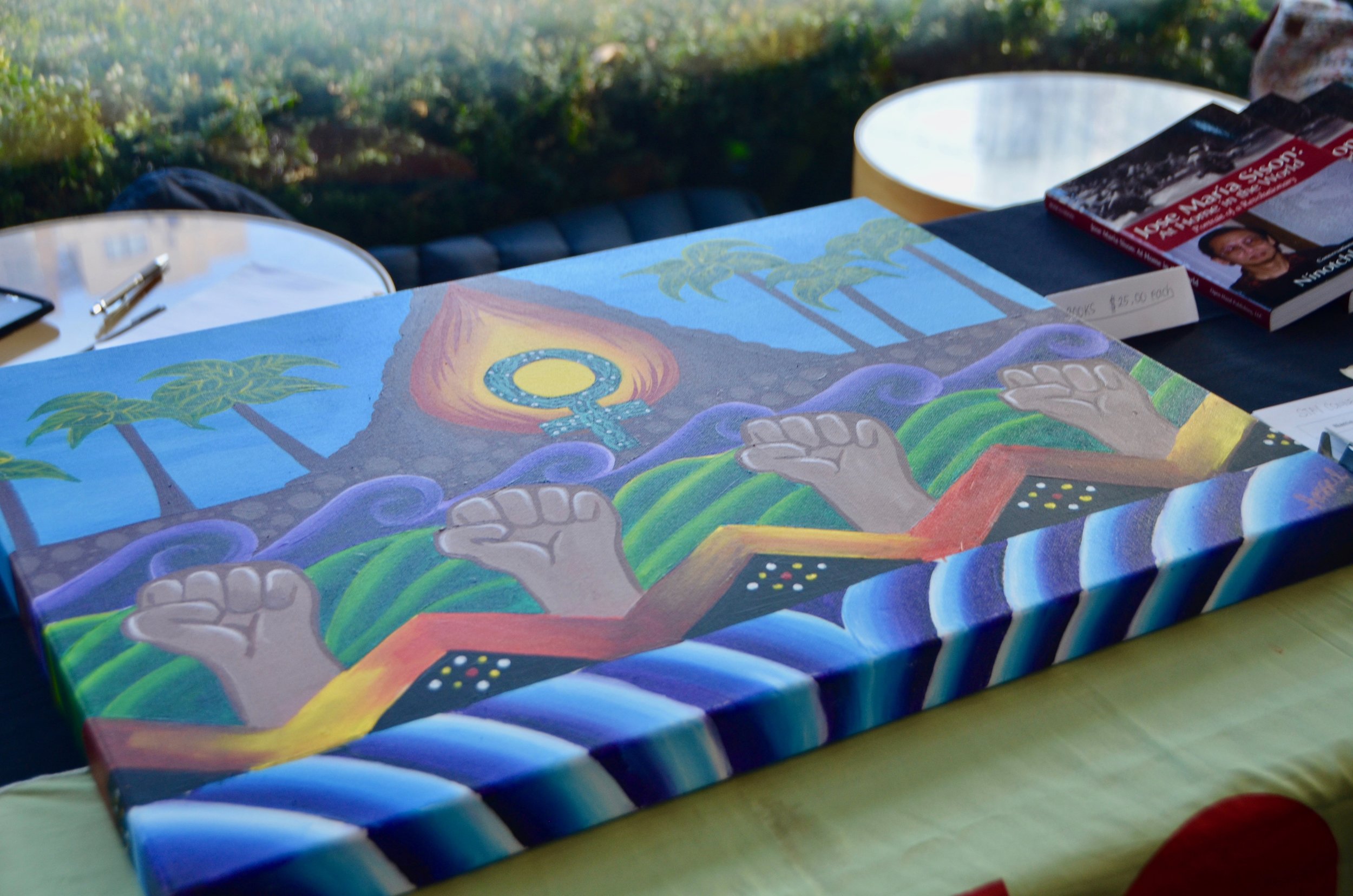
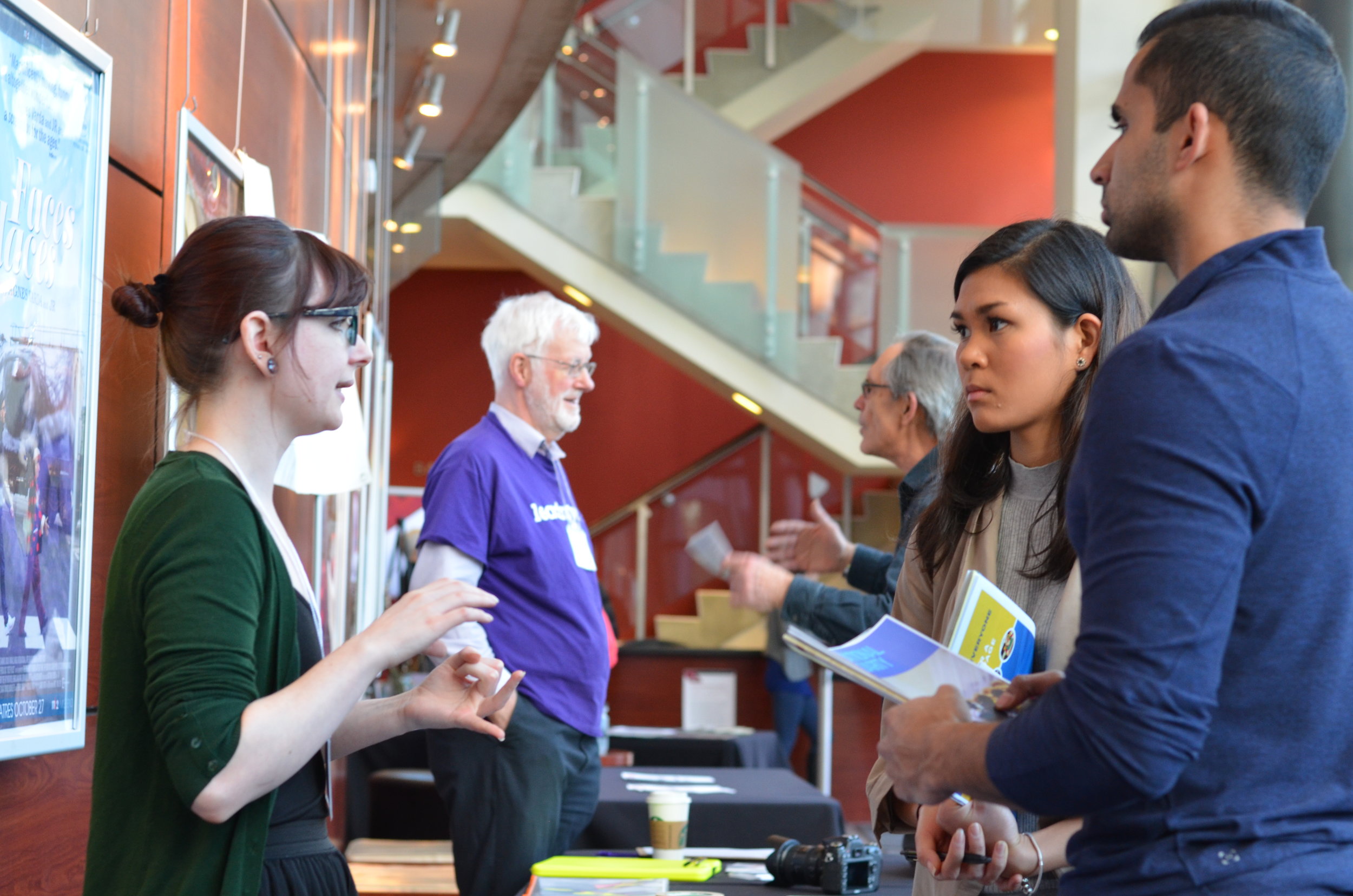
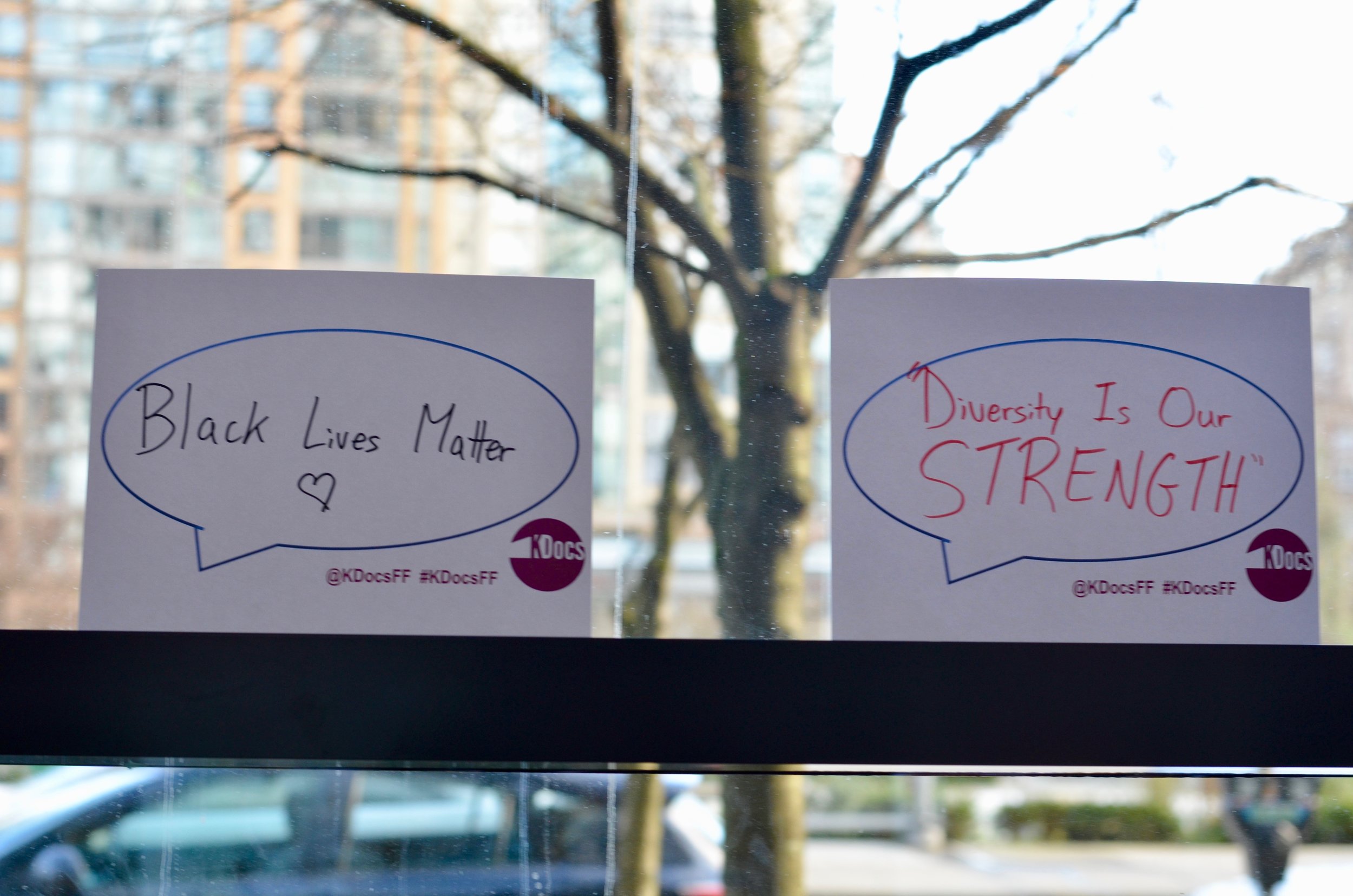
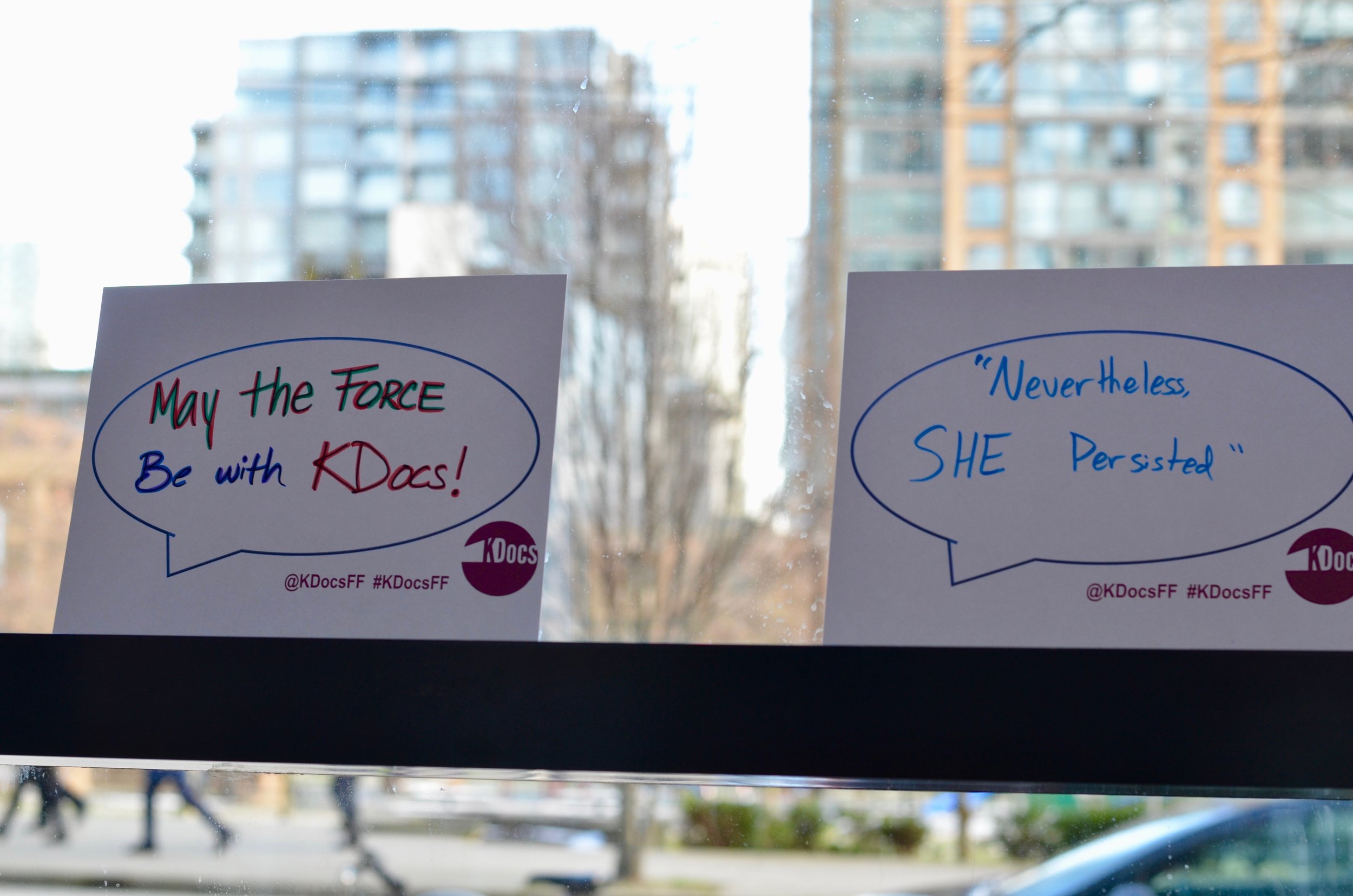
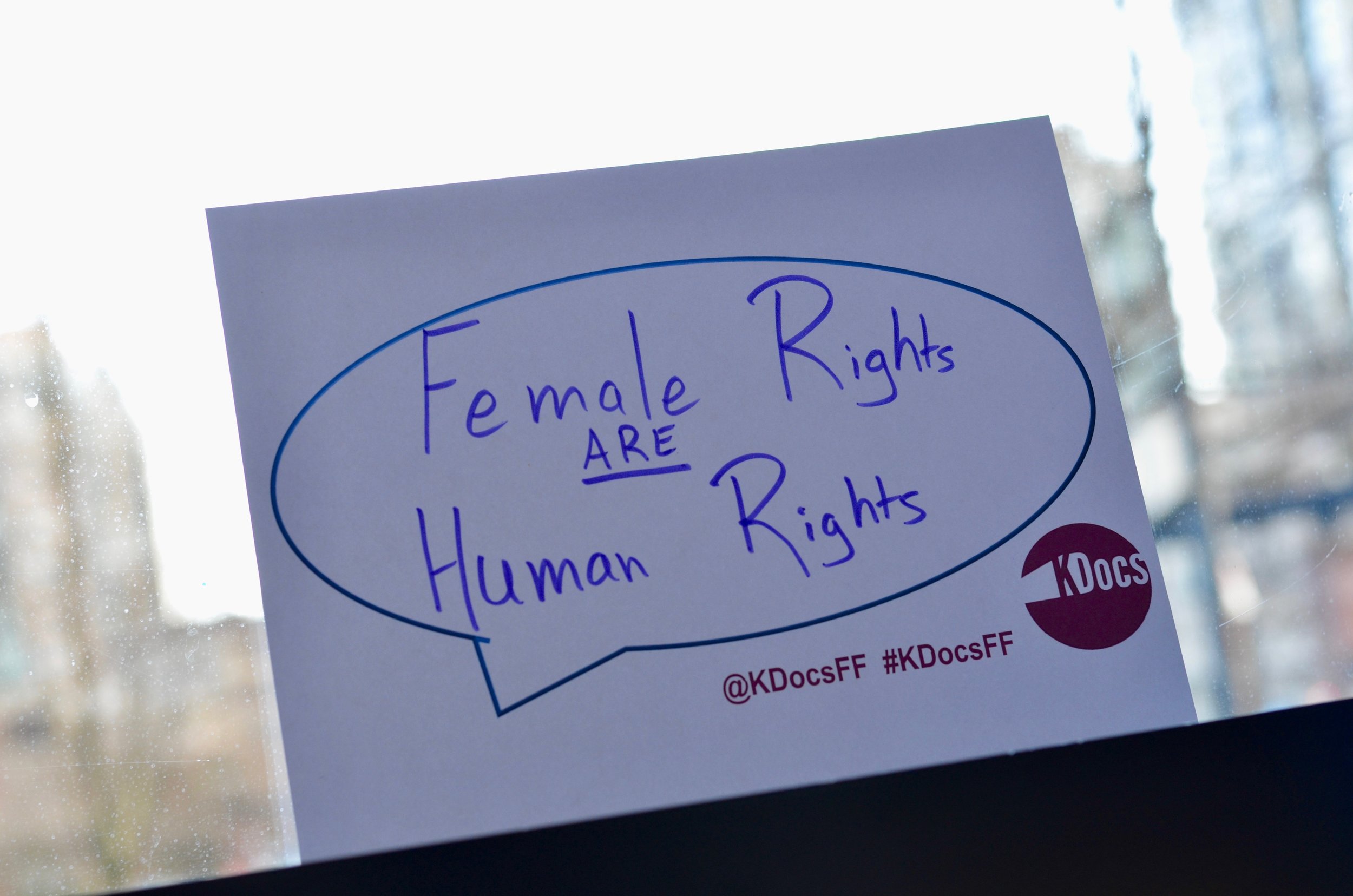

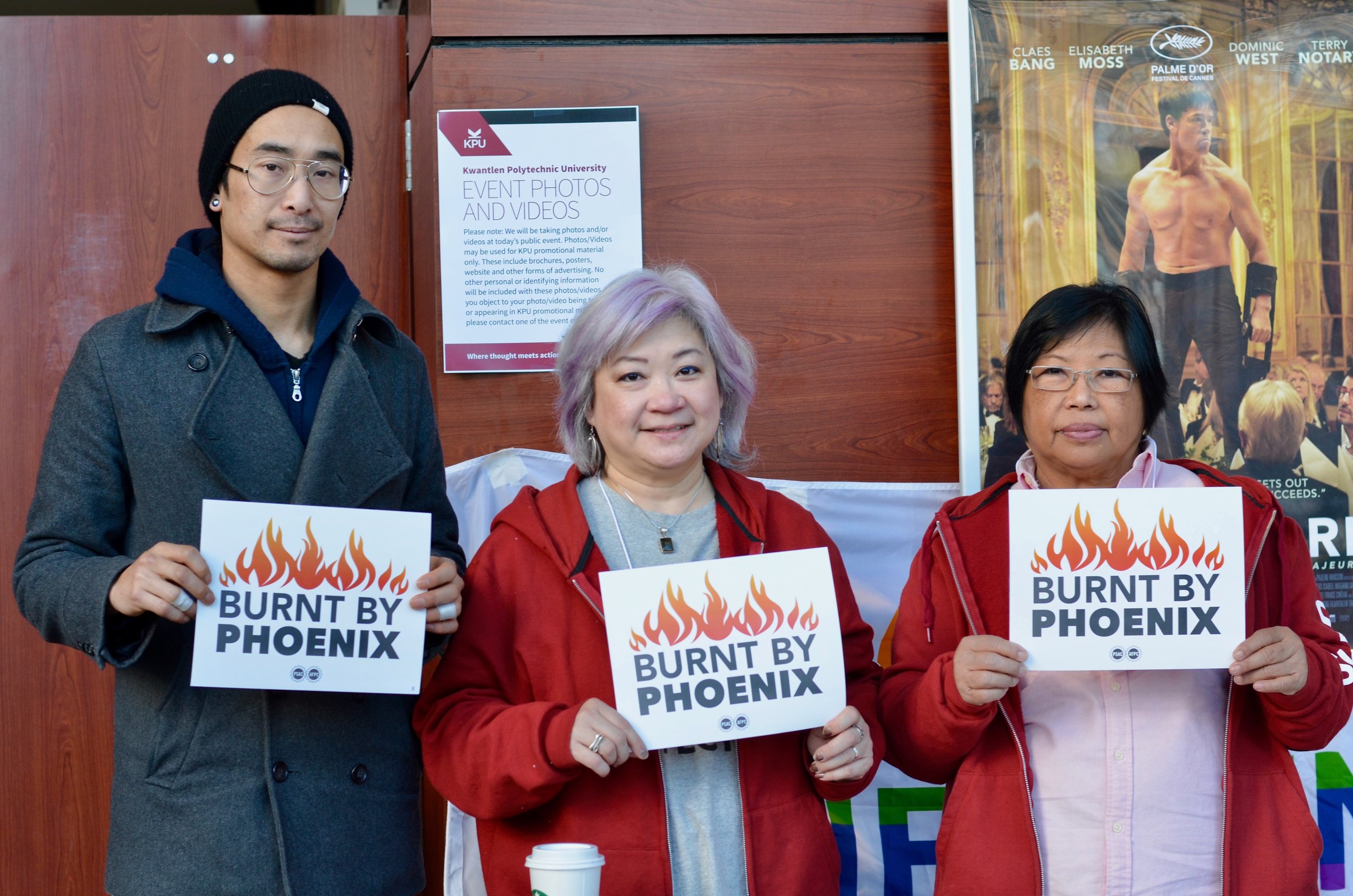
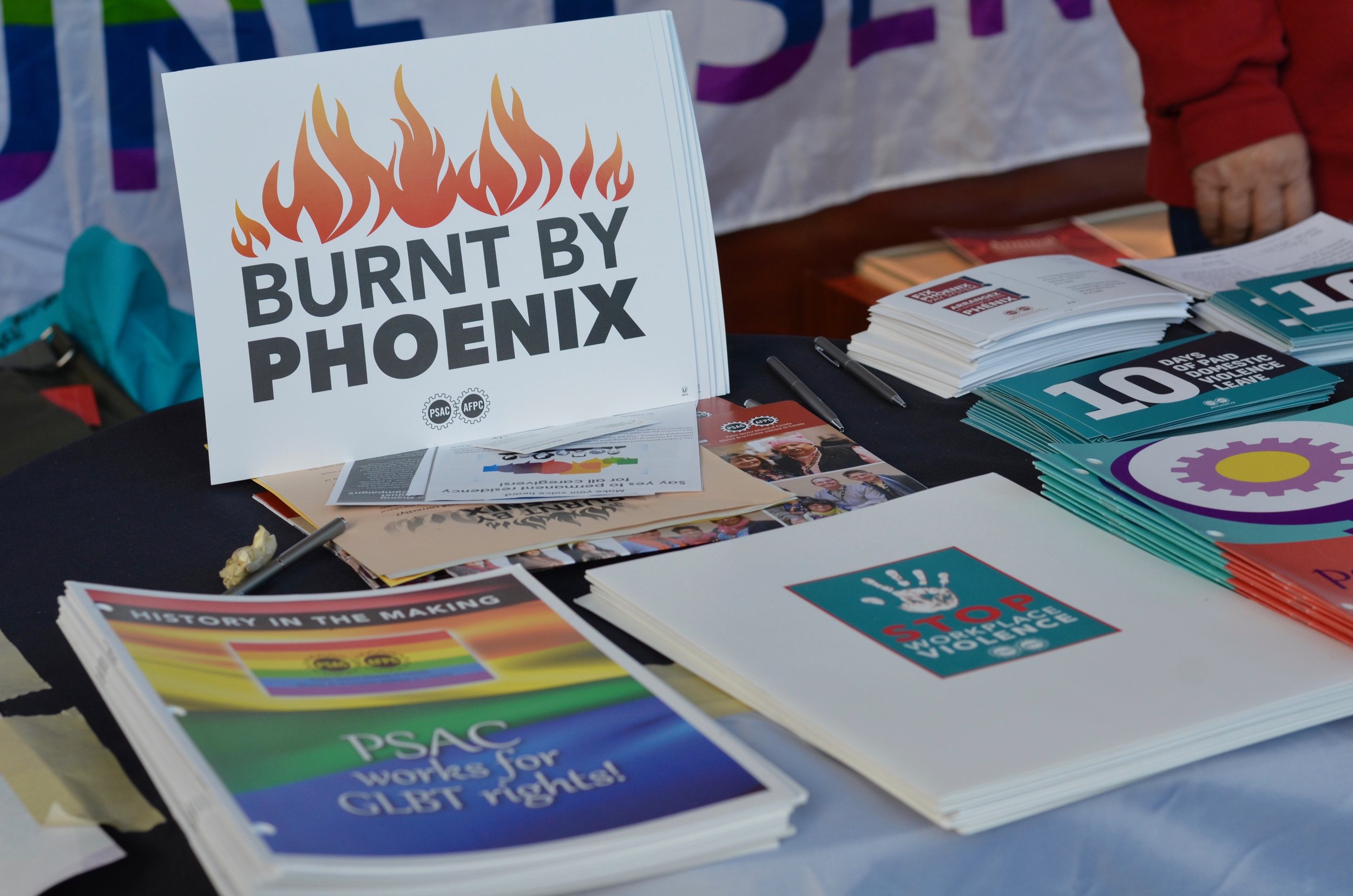
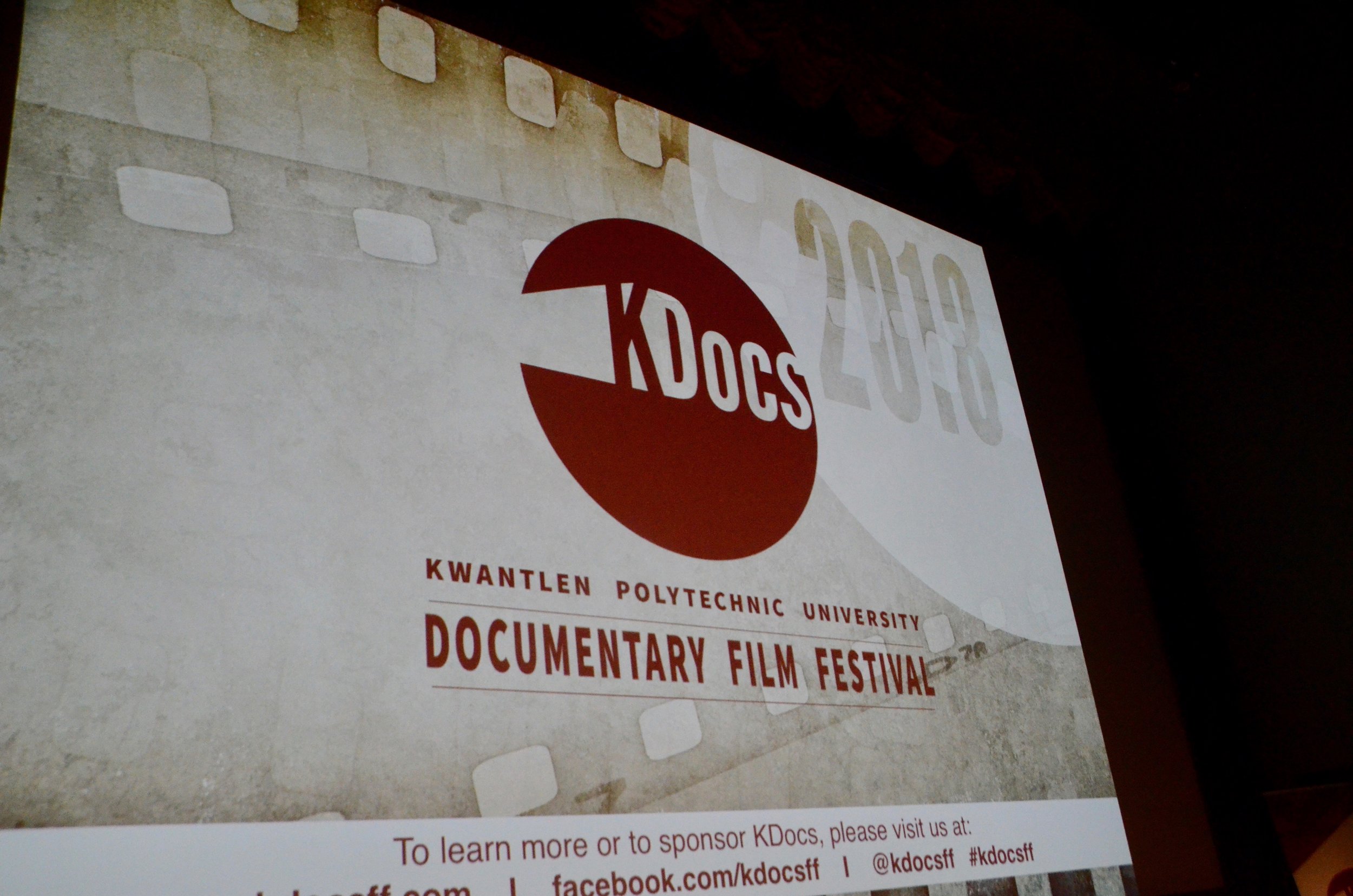
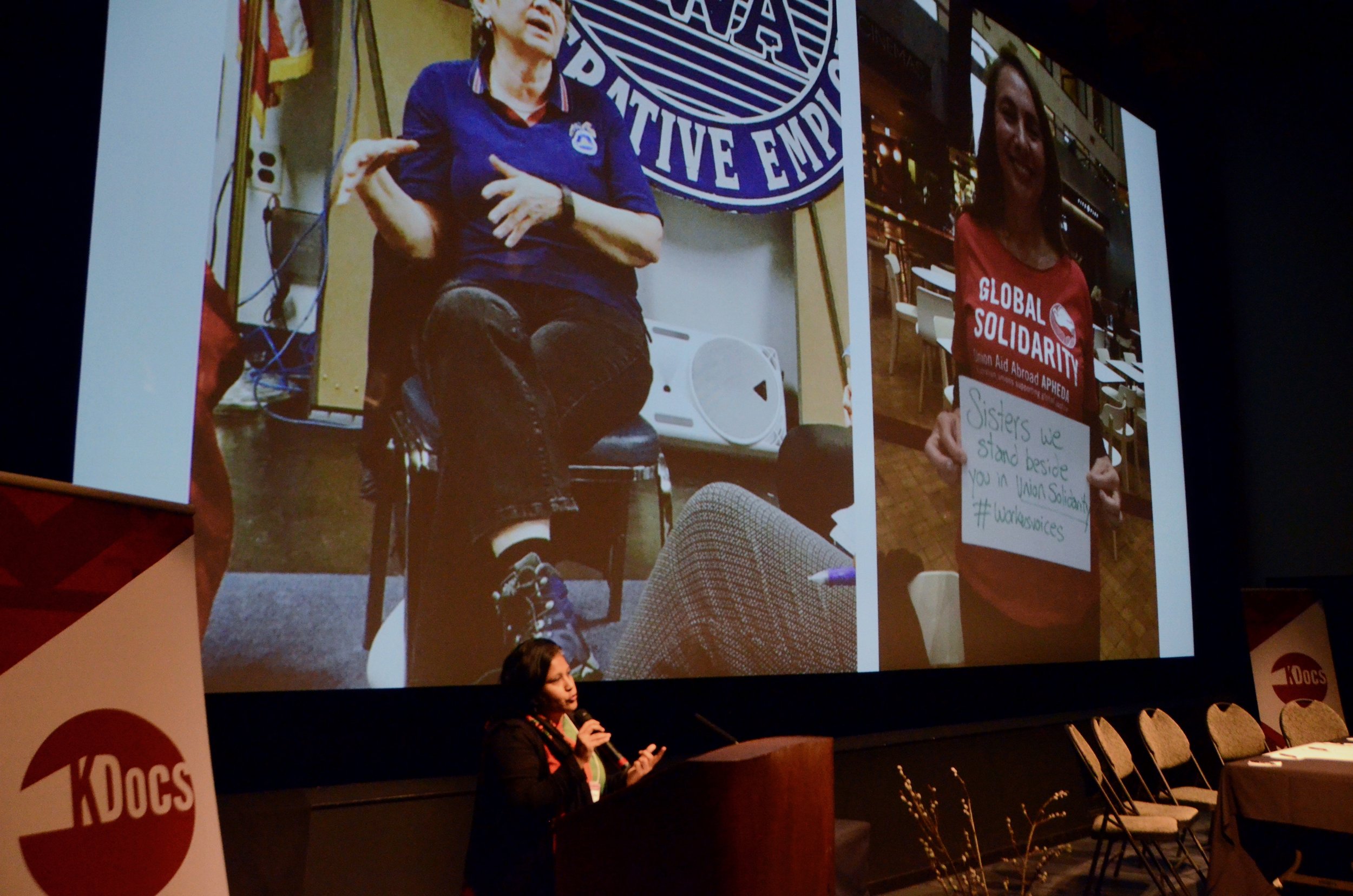
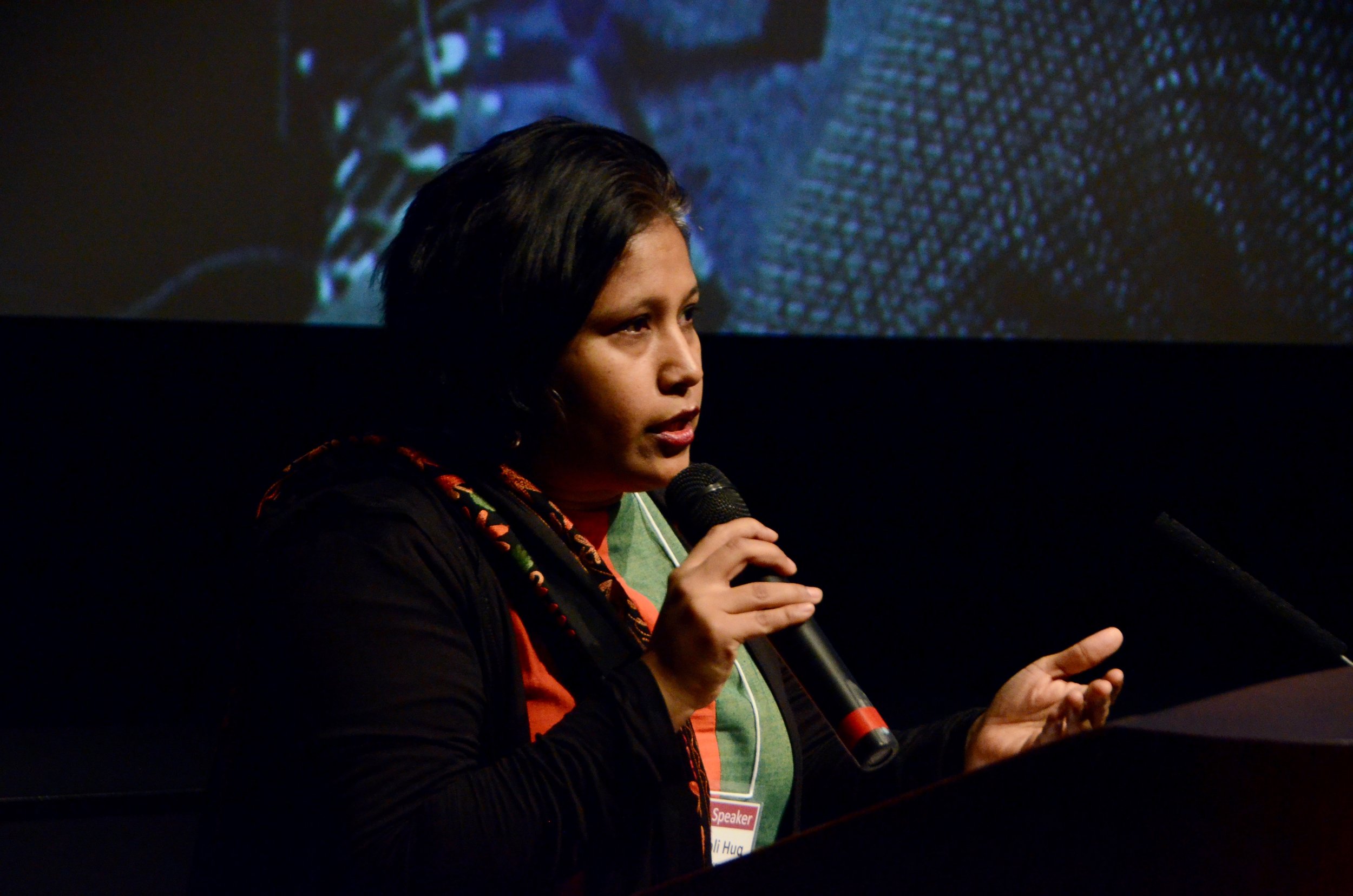
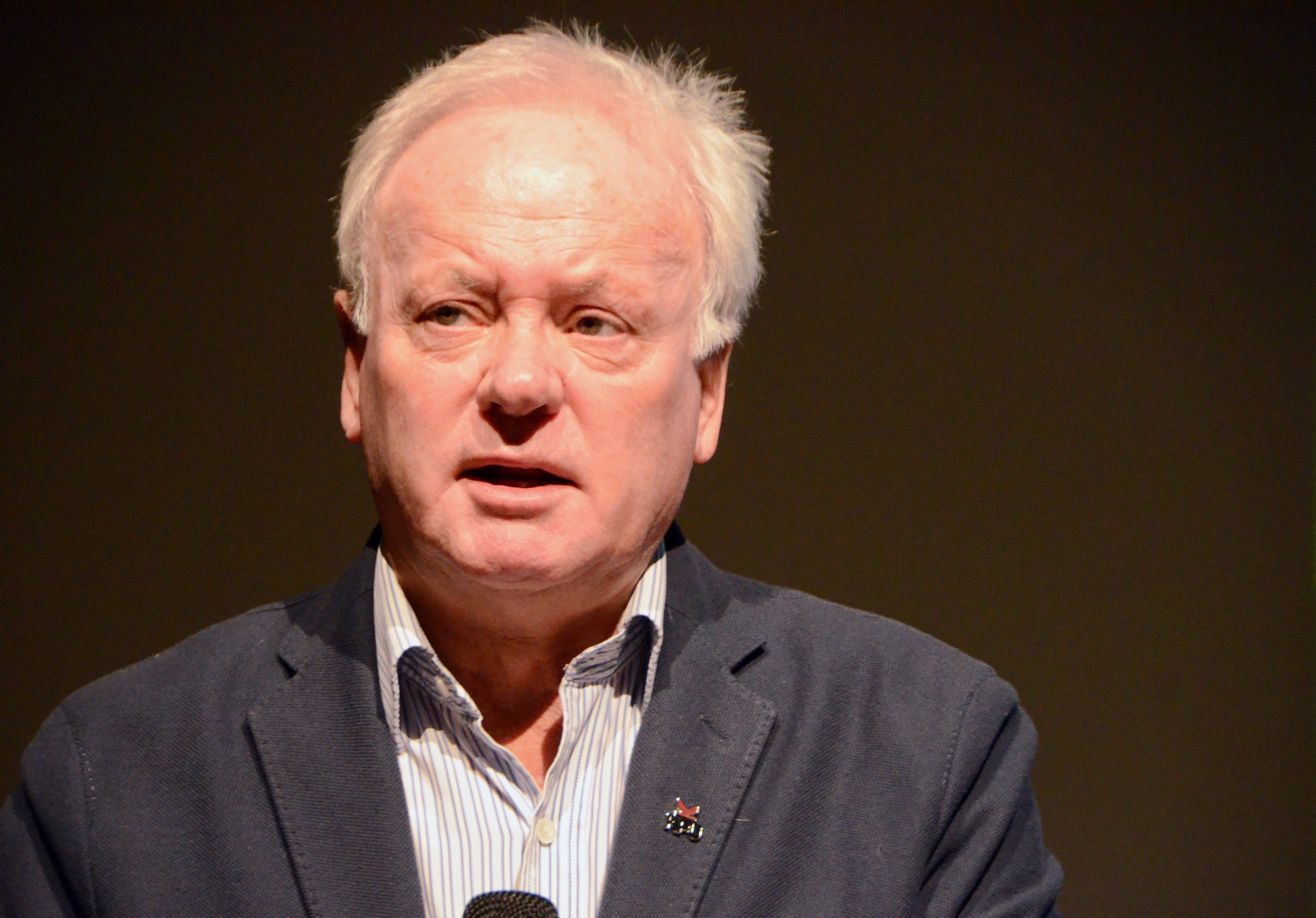
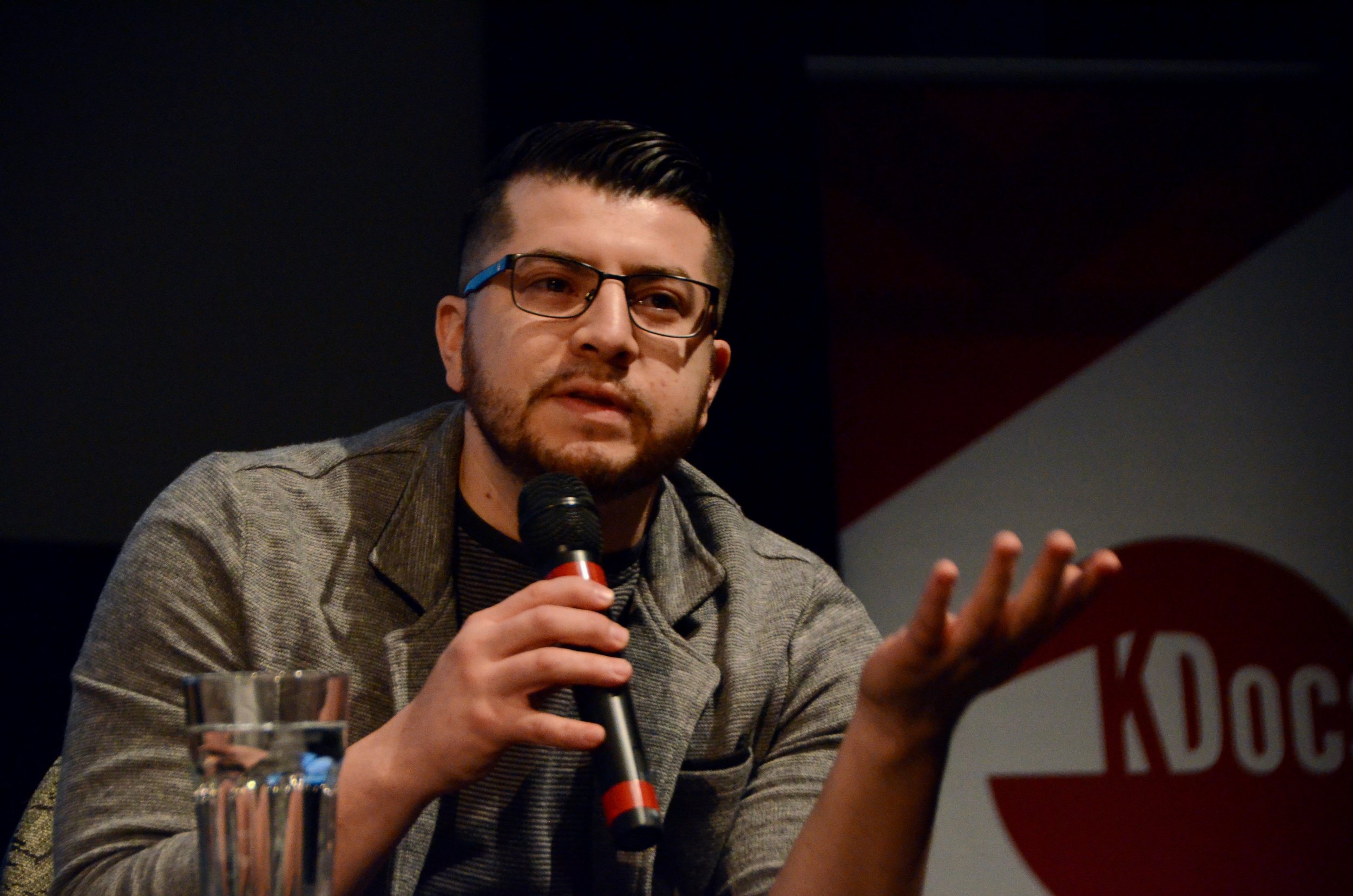
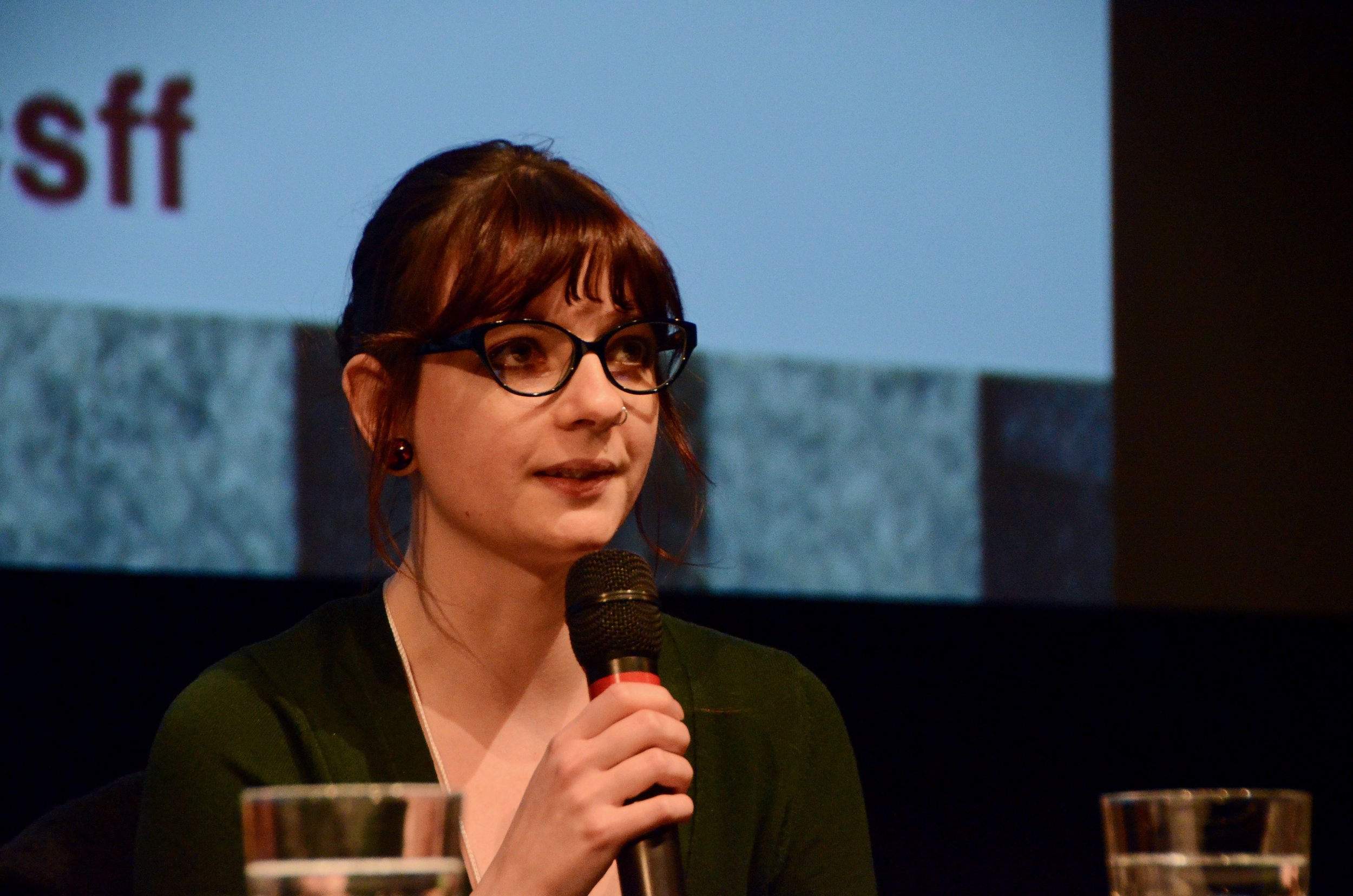
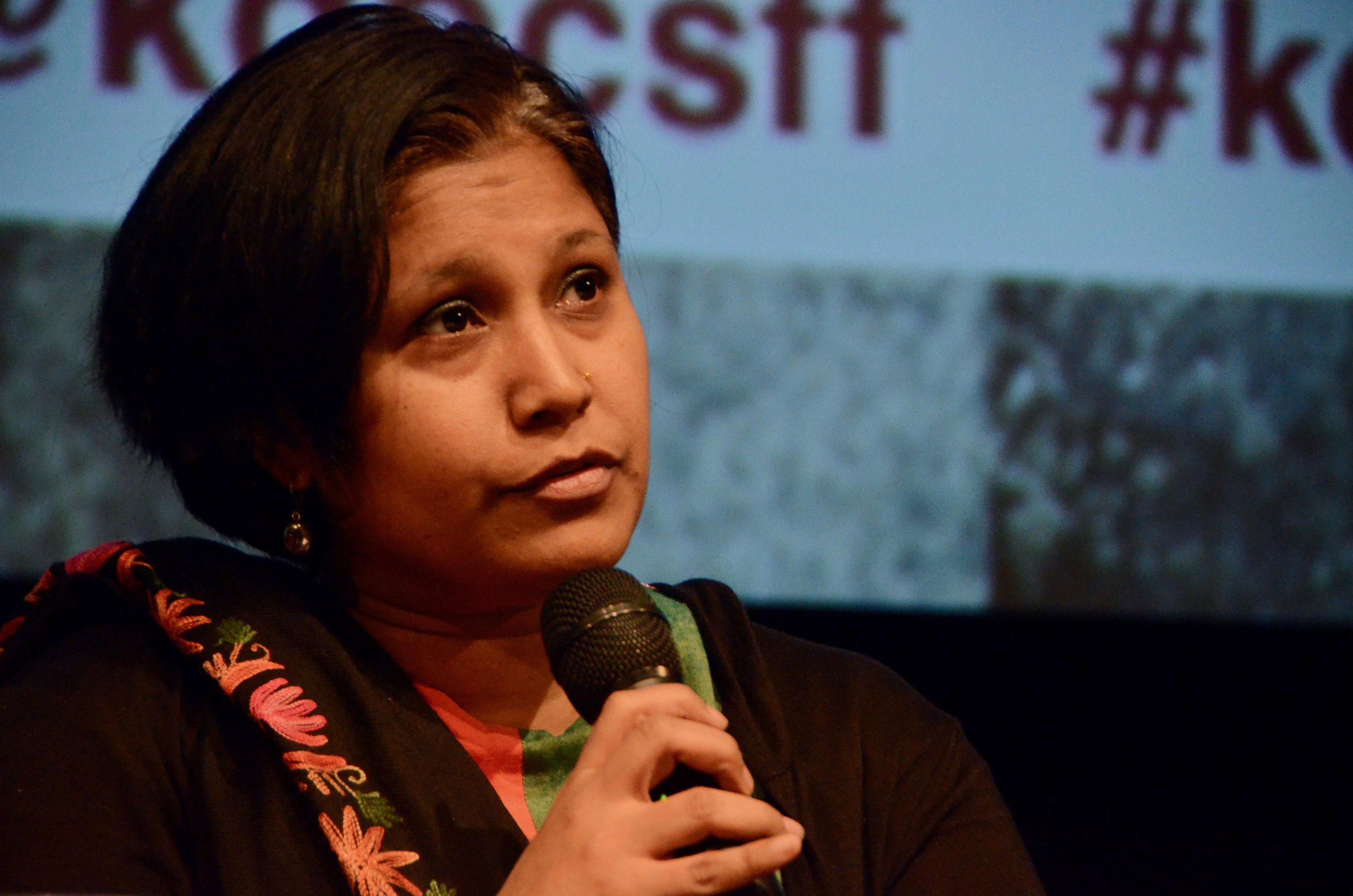
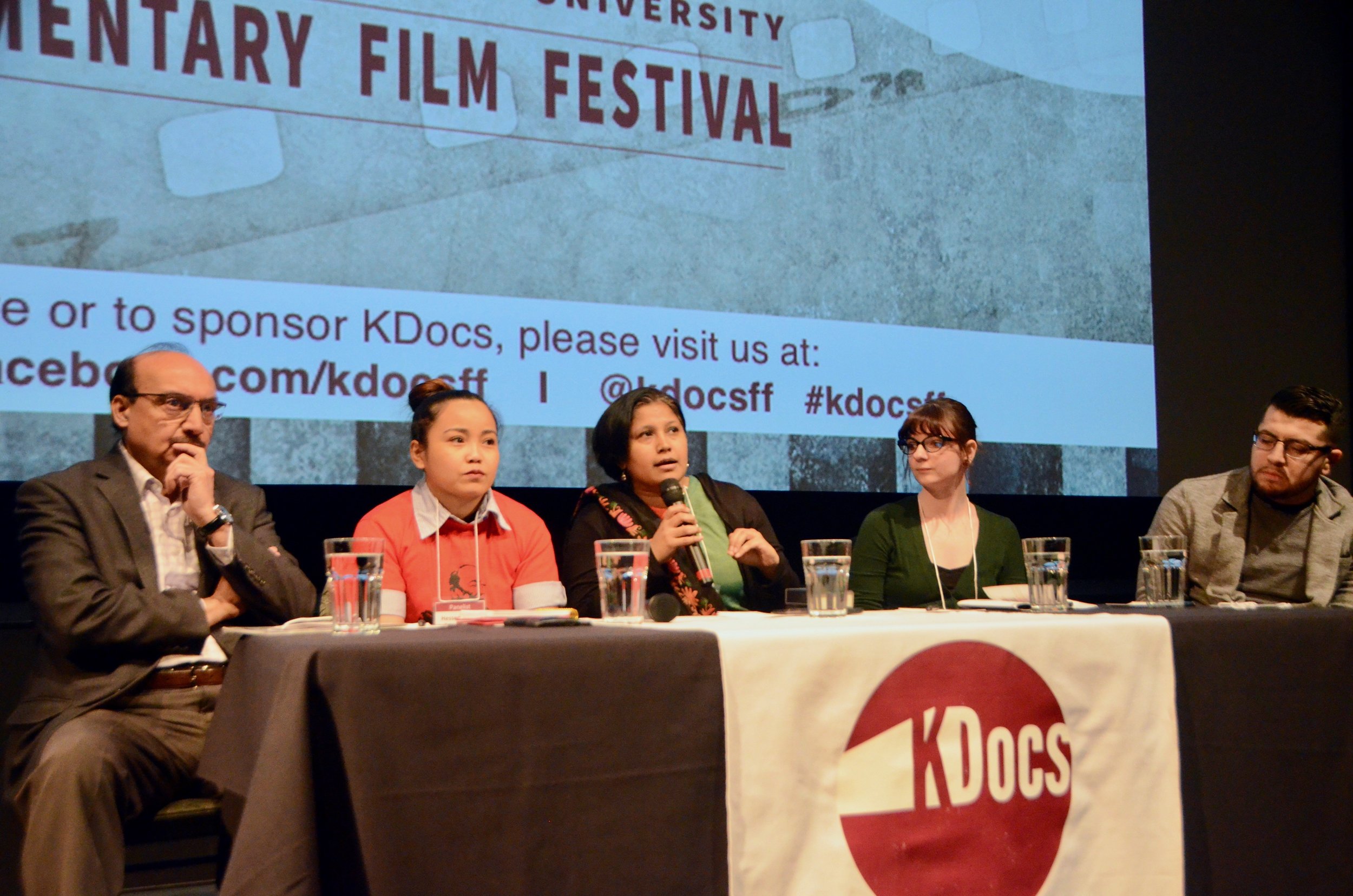
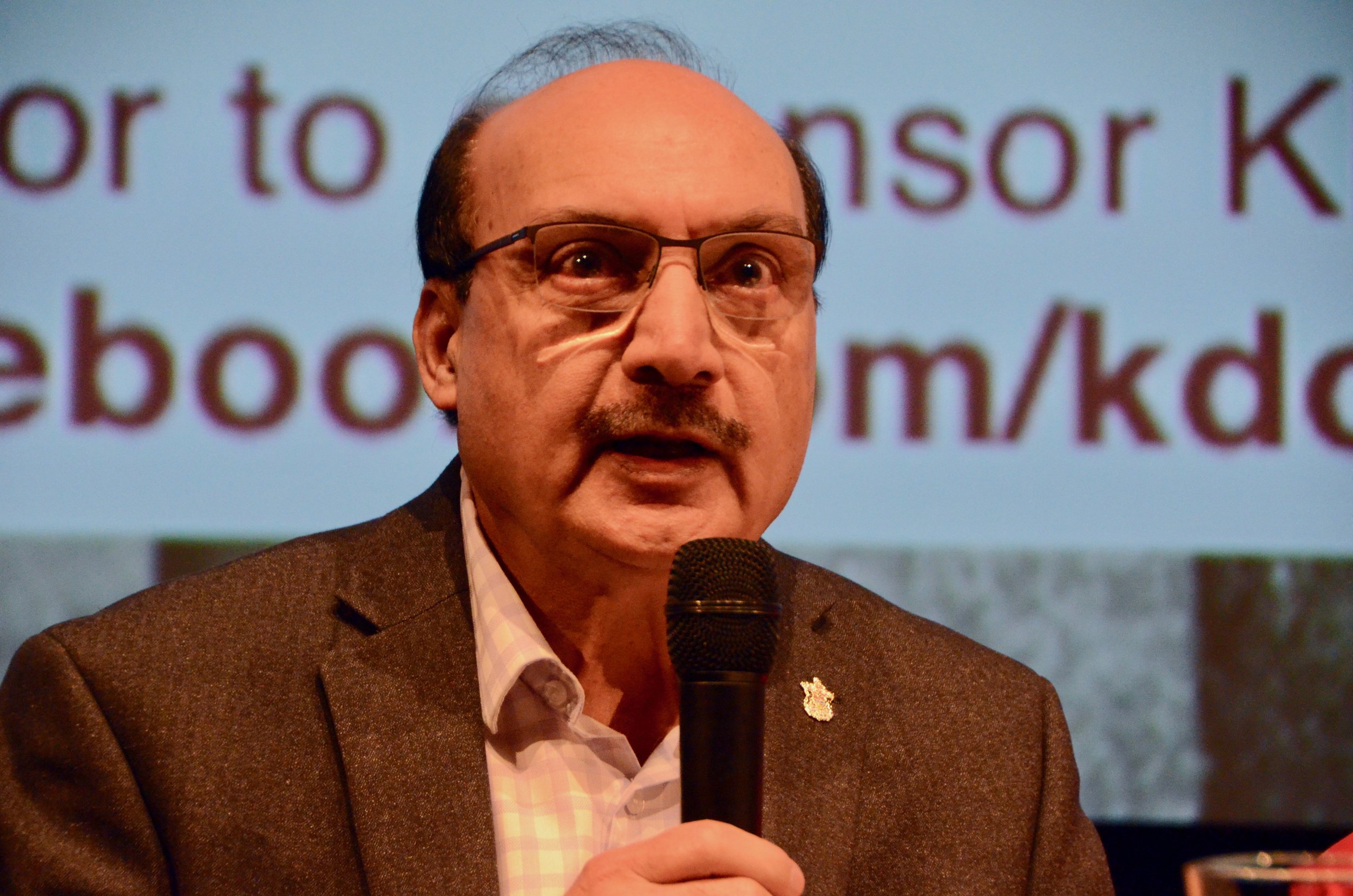
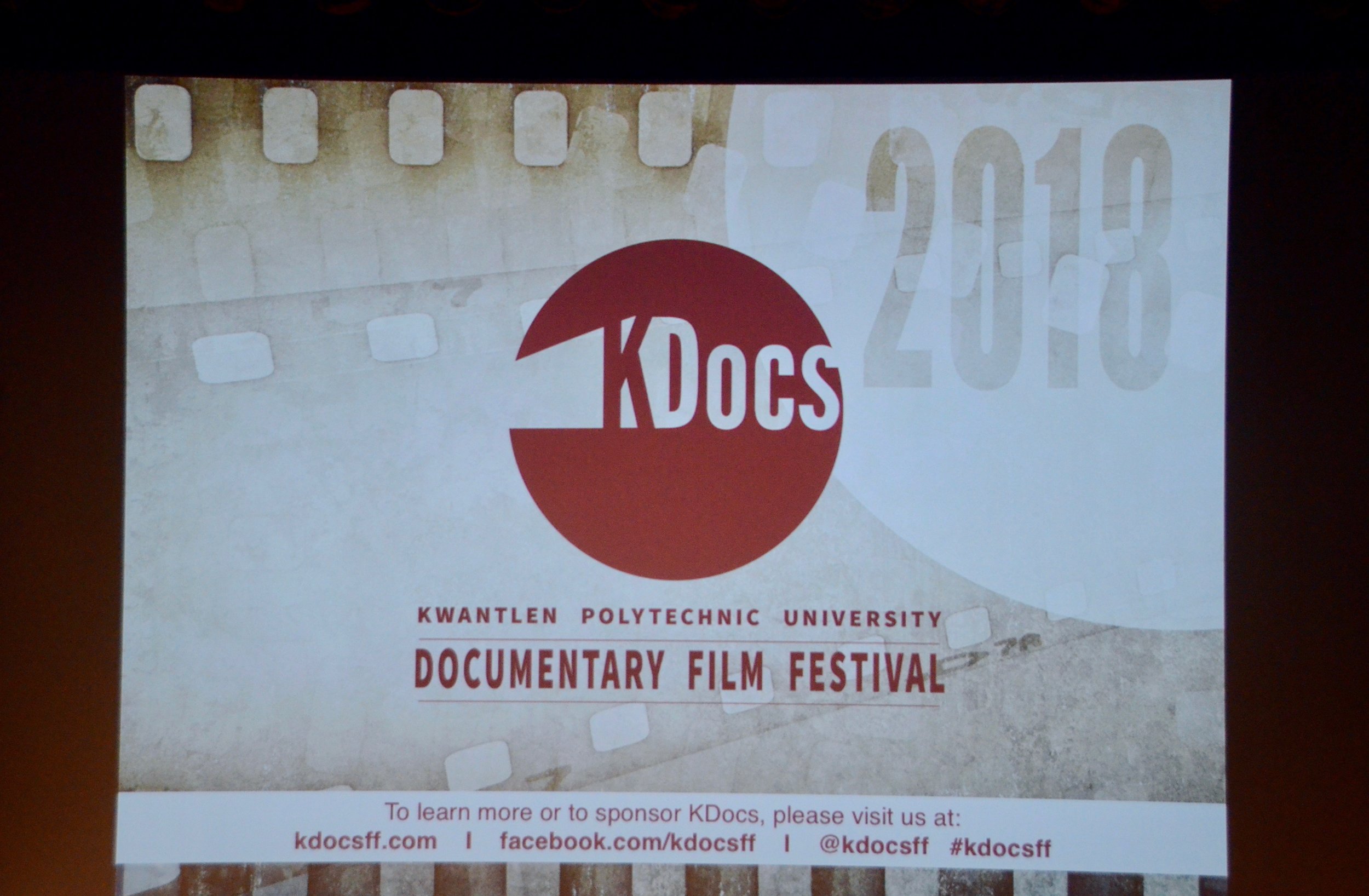
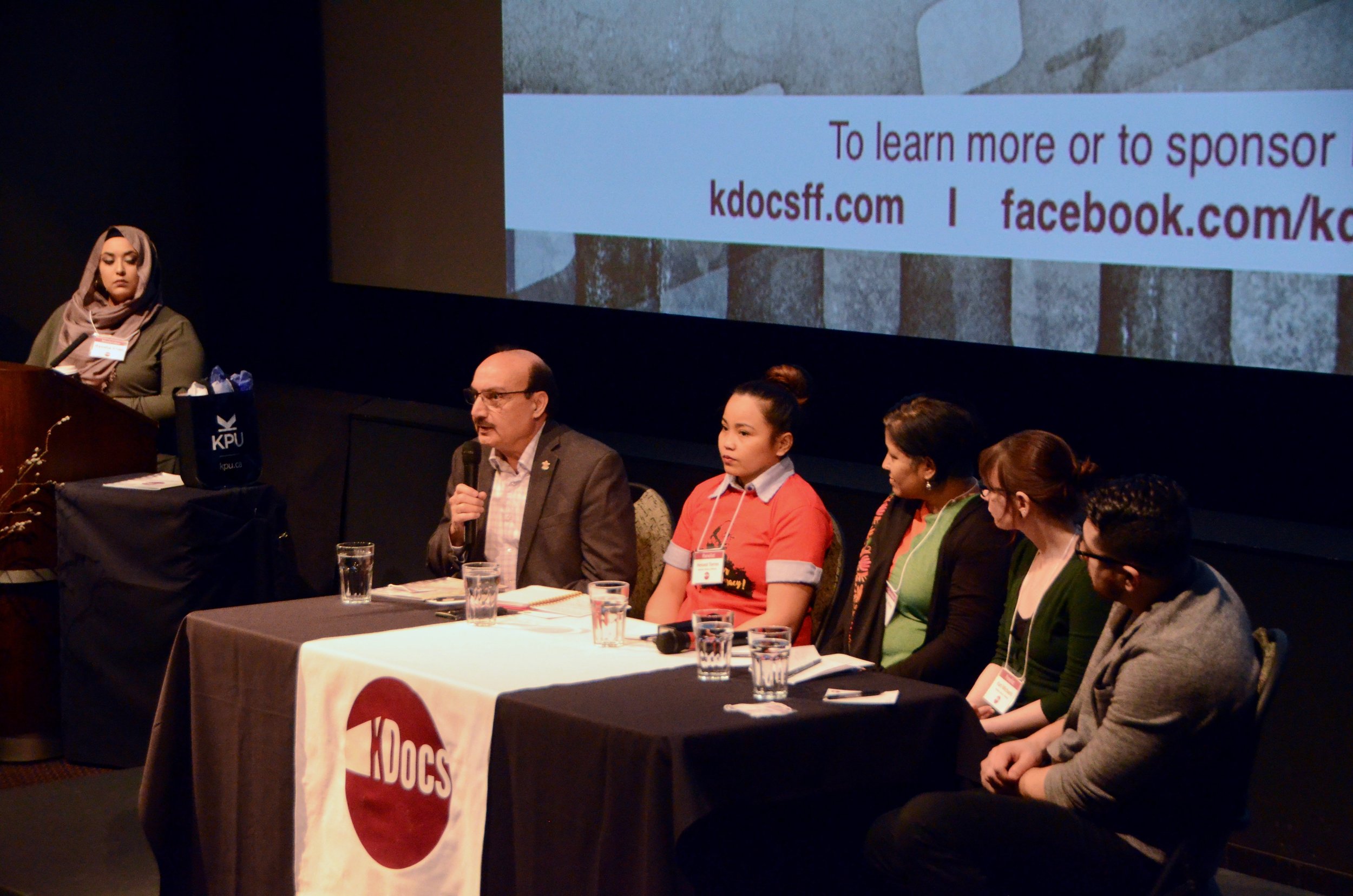
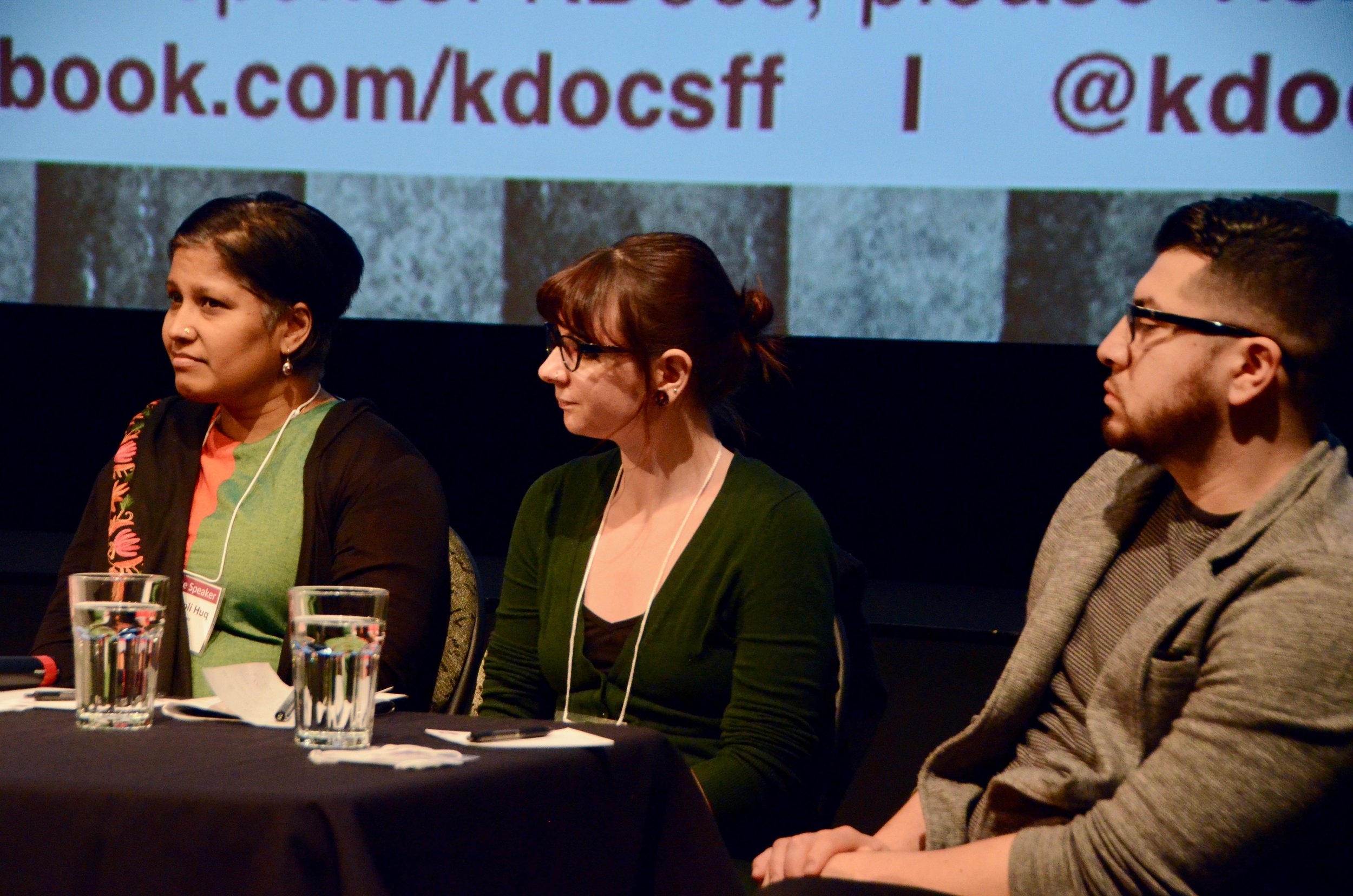
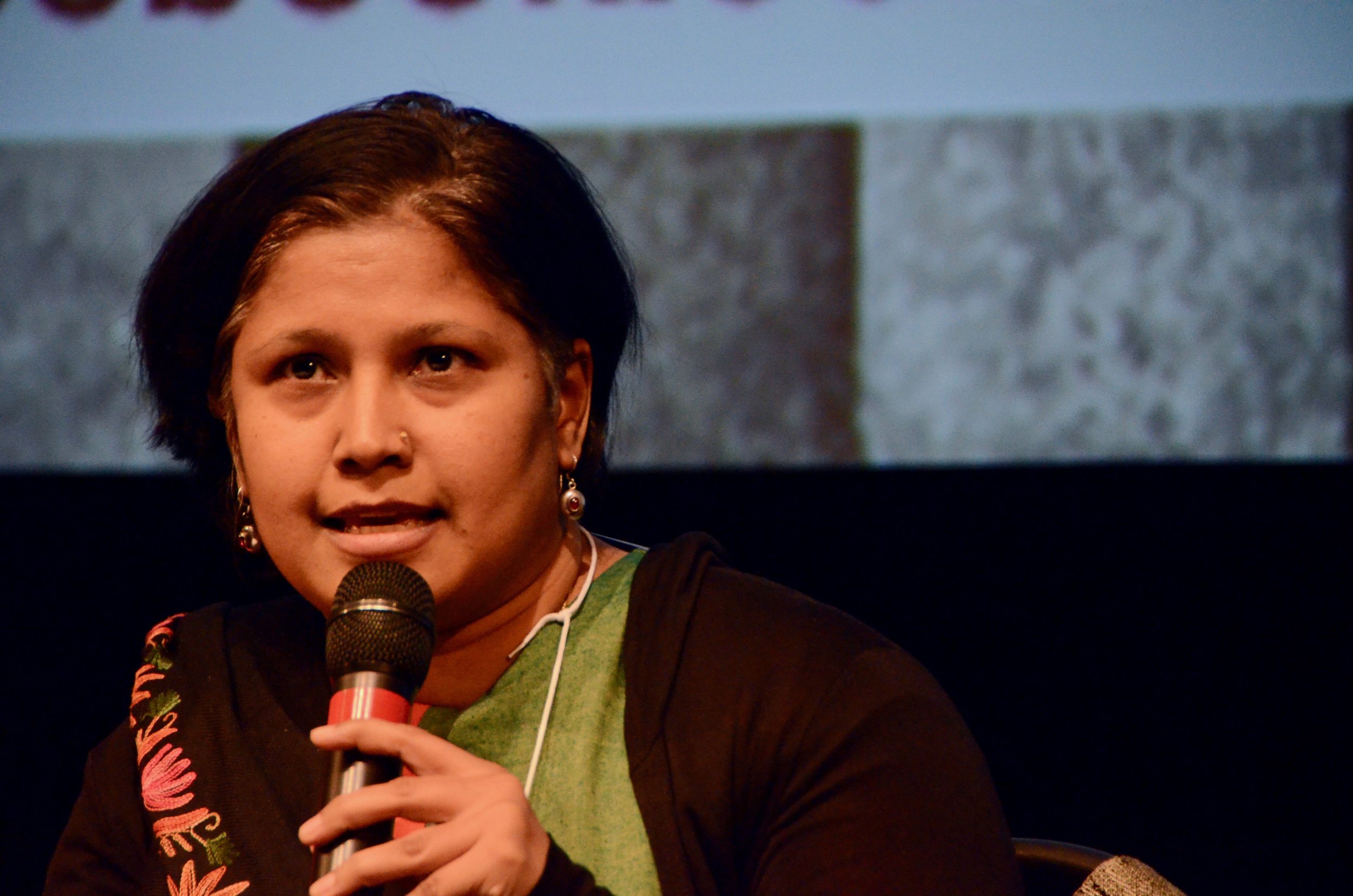
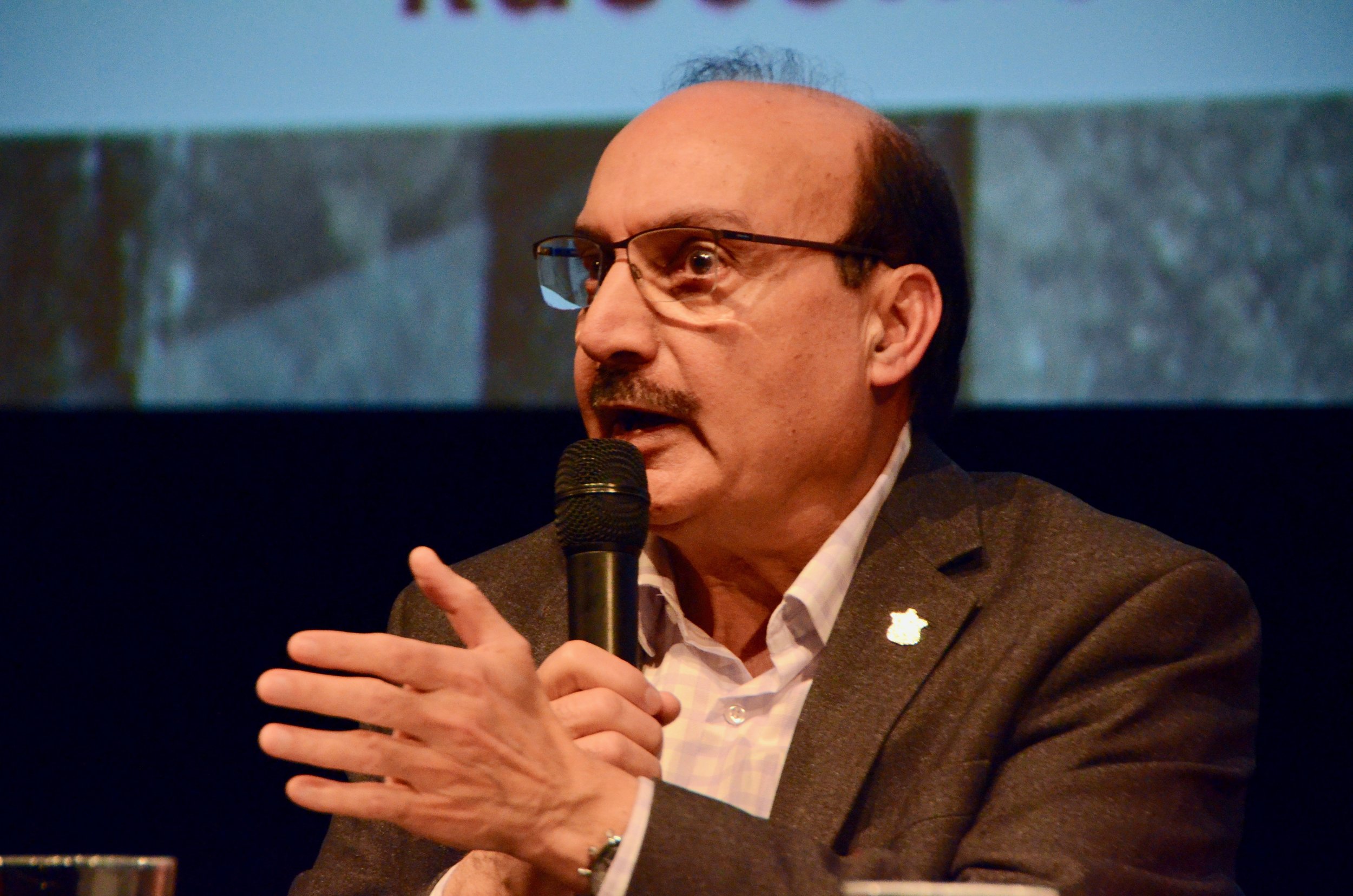
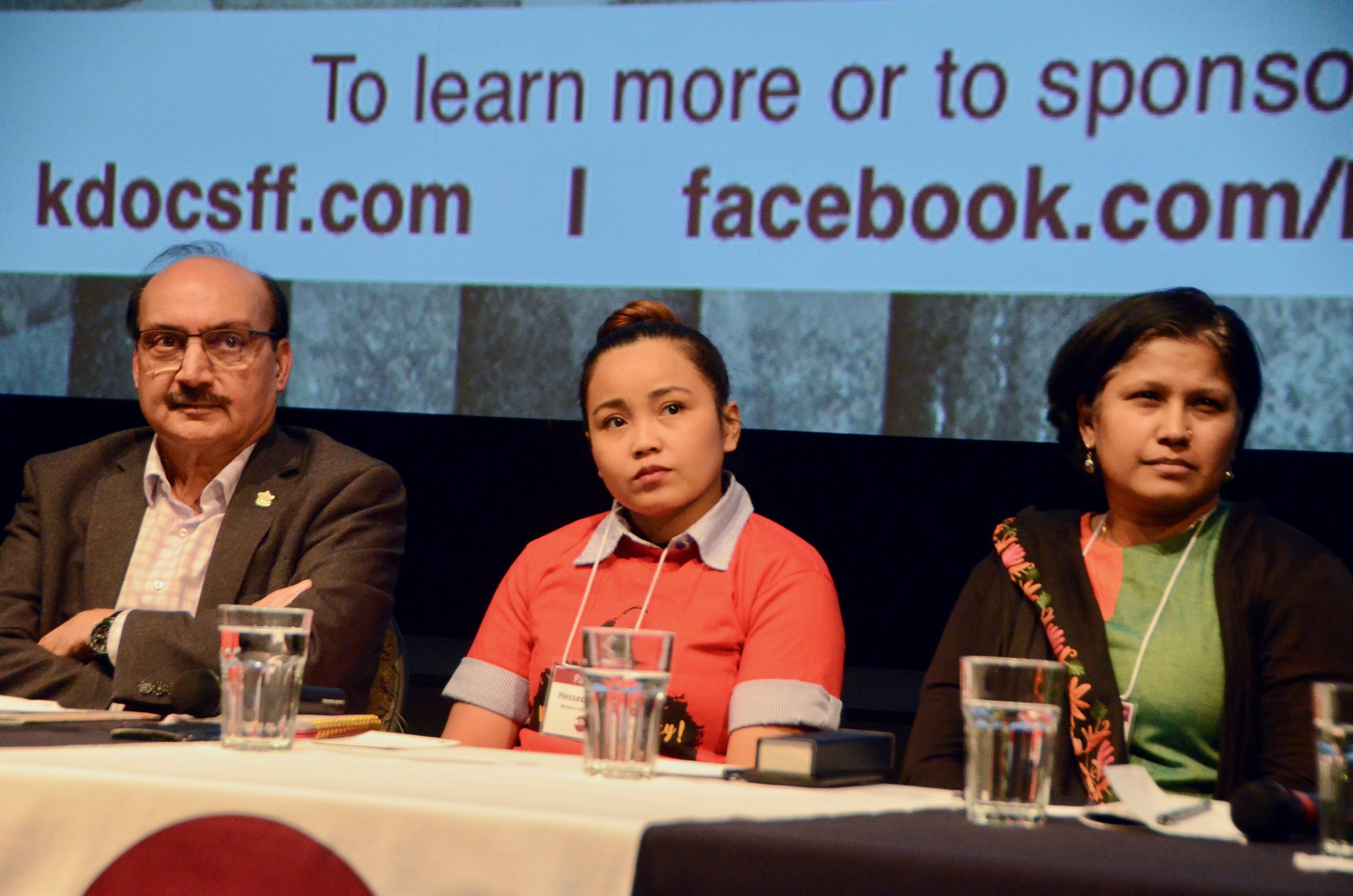
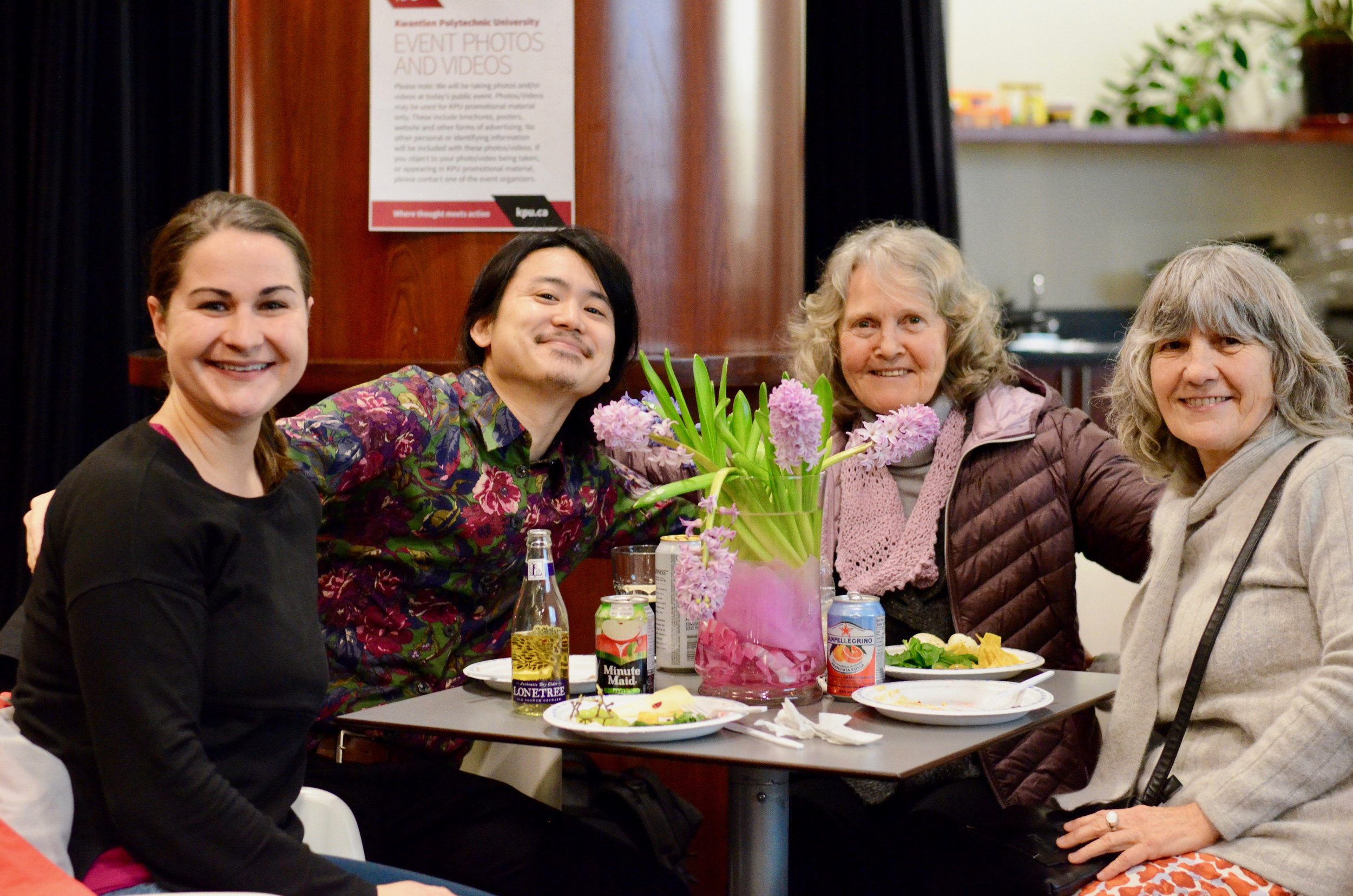
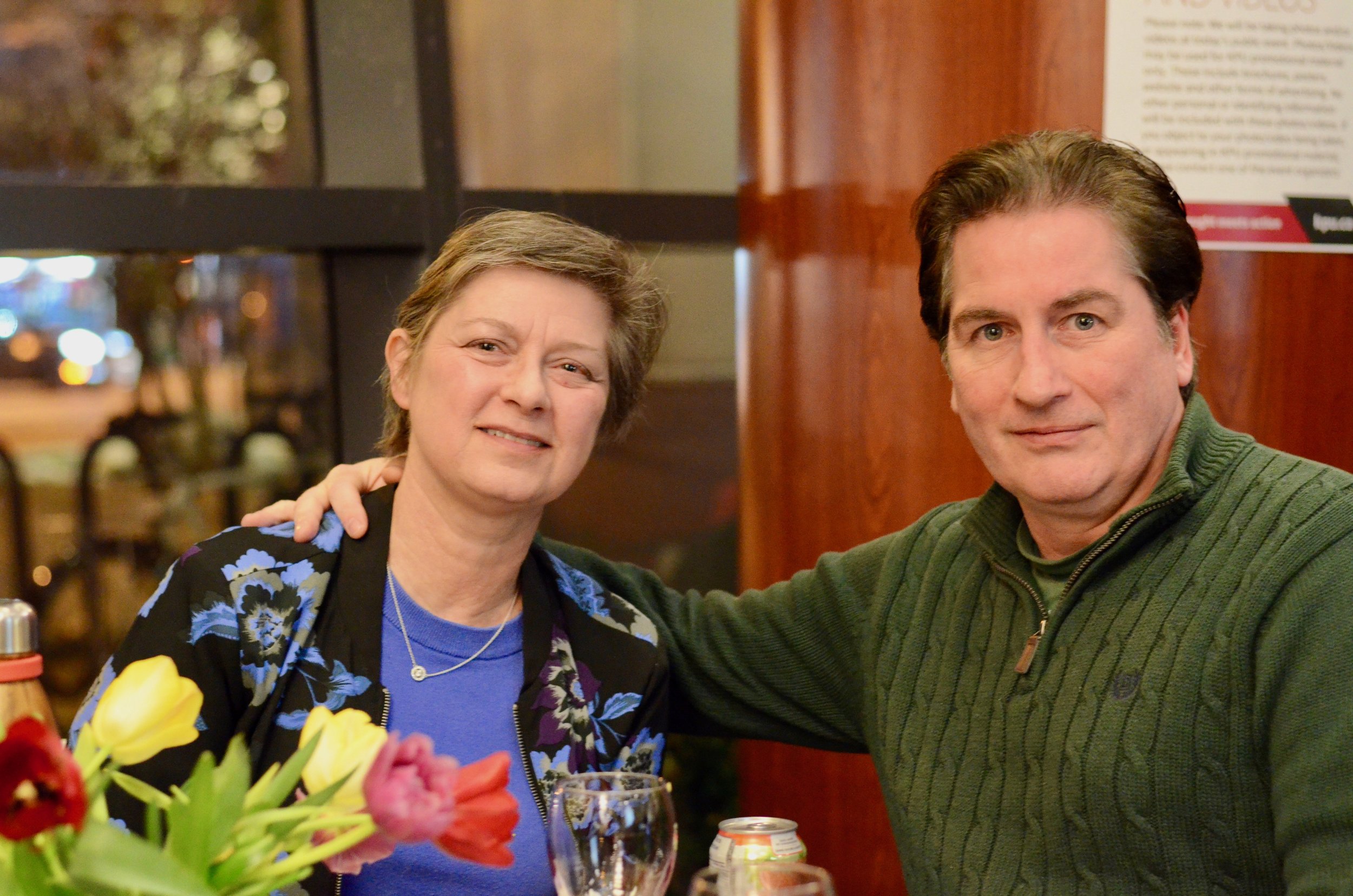
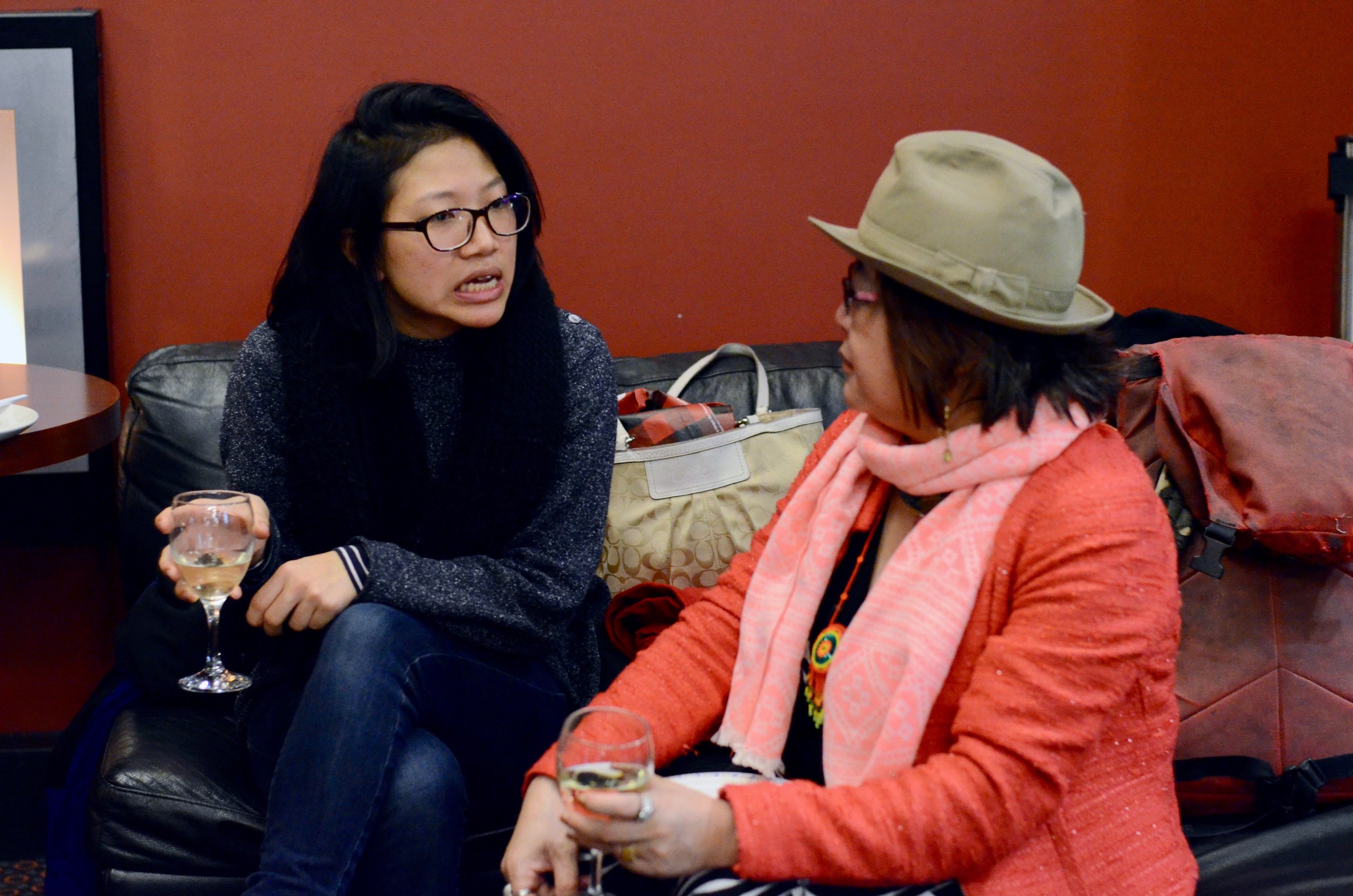

KDocs held its fourth annual official documentary film festival on February 15-18, 2018, at the Vancouver International Film Centre/Vancity Theatre. Over 1500 people and 30 exhibitors were in attendance throughout the four-day festival!
The Caretakers: “In 2014, activists, ranging from new Canadians to First Nations people, ascended Burnaby Mountain to make a camp on the future route of the proposed pipeline. They were willing to do whatever it took to prevent the project from going forward, a critical necessity in their eyes, if the earth was to be preserved for future generations. David Goldberg captures the intense conviction that was a central part of the Burnaby Mountain protest. The grit and tenacity of local activists is on full display as they face down the RCMP on the traditional territory of the Coast Salish people. The Caretakers provides ample food for thought as we near our provincial election in which the Trans Mountain Pipeline expansion has become once more a hot-button issue.” KDocs’ Special Guests were KPU’s Elder-in-Residence, Lekeyten, and the film’s director, David Goldberg.
How to Stop a Pipeline: “From reoccupation camps to the heart of the rugged Coast Range in British Columbia, How to Stop a Pipeline explores First Nations and local community resistance to the Enbridge Northern Gateway Pipeline. A multi-billion-dollar pipeline designed to pump heavy crude oil from the tar sands to the Great Bear Rainforest, the Northern Gateway was supported by the Canadian government and the most powerful industry in the world. Against all odds, a handful of small communities have effectively stalled the project in its tracks. The storytellers traverse 100 miles of the proposed pipeline to better understand the land that would be impacted. Much more than just an environmental story, the film illustrates the First Nation’s fight for their ancestral land rights, self-governance, and social justice. Their commitment and fortitude vividly portrays How to Stop a Pipeline.” KDocs’ Special Guest was KPU’s Elder-in-Residence, Lekeyten. www.uncededlines.com
To the Ends of the Earth: “To the Ends of the Earth follows concerned citizens living at the frontiers of extreme oil and gas extraction, bearing witness to a global crossroads. They call for human ingenuity to rebuild society at the end of the fossil fuel era. The people we meet are uniquely positioned to watch this global crossroads unfold. For example, the mayor of an Inuit village in Canada’s high Arctic who is concerned that seismic testing for oil in the ocean is blowing up the eardrums of the animals that the Inuit hunt to survive. Or the environmental lawyer who goes on a journey to areas that produce energy for the tar sands of Alberta — he learns of the massive inputs of energy that have to be put into this resource — and the reasons why the second largest oil project in the world is economically unsustainable. Or the river conservationist in Utah who fights to protect the Colorado River from oil shale projects that would disturb its headwaters. To the Ends of the Earth brings forward the voices of those who not only denounce the rise of extreme energy, but also envision the new world that is taking shape in its stead: a future beyond the resource pyramid, a post-growth economy.” KDocs’ Special Guest was KPU’s Elder-in-Residence, Lekeyten, and Keynote Speaker Gordon Laxer. www.endsofearthfilm.com
Modified: “Modified is a first-person documentary-memoir that questions why genetically modified organisms (GMOs) are not labeled on food products in Canada and the United States, despite being labeled in 64 countries around the world. Interweaving the personal and the political, the film is anchored in the filmmaker’s relationship to her mother, a passionate gardener and food activist. Their intimate mother-daughter investigative journey, fueled by a shared love of food, ultimately reveals the extent to which industrial interests control our food policies, making a strong case for a more transparent and sustainable food system.” KDocs’ Keynote Speaker was the film’s director, Aube Giroux. www.modifiedthefilm.com
Solitary: “Located on an Appalachian mountaintop in Wise County, Va., Red Onion State Prison is a “supermax” facility built to house individual inmates in 8’x10’ solitary-confinement cells, 23 hours a day, for months, years, and sometimes decades. Solitary: Inside Red Onion State Prison explores life on both sides of the bars, raising provocative questions about punishment in America today. Drawing on unprecedented, unrestricted access, Solitary: Inside Red Onion State Prison was filmed over the course of one year, chronicling a new reform program intended to reduce the number of solitary-confinement inmates. The recently initiated “Step-Down Program” has allowed more than 350 inmates a chance to return to the general population. But, all too often, after months of solitary isolation, prisoners are ill-equipped to deal with the stresses of being a part of the regular prison population – let alone life on the outside. This unflinching, immersive documentary features intimate interviews with several inmates who reflect on their violent childhoods, open up about the dangers of prison life, and articulate their struggles to maintain sanity in the unrelenting monotony and isolation of confinement. KDocs’ Keynote Speaker was the BC Civil Liberties Association’s Jay Aubrey. www.candescentfilms.com/solitary
Death by Design: “The Dirty Secret of Our Digital Addiction: consumers love – and live on – their smartphones, tablets, and laptops. A cascade of new devices pours endlessly into the market, promising even better communication, non-stop entertainment, and instant information. The numbers are staggering. By 2020, four billion people will have a personal computer. Five billion will own a mobile phone. But this revolution has a dark side, hidden from most consumers. In an investigation that spans the globe, with Death by Design, filmmaker Sue Williams investigates the underbelly of the electronics industry and reveals how even the smallest devices have deadly environmental and health costs. From the intensely secretive factories in China, to a ravaged New York community, and the high tech corridors of Silicon Valley, the film tells a story of environmental degradation, of health tragedies, and the fast-approaching tipping point between consumerism and sustainability.” KDocs’ Keynote Speaker was Vermont Law School’s Stephanie Farrior. www.deathbydesignfilm.com
Vancouver: No Fixed Address: “From Toronto to Sydney and from San Francisco to London, the cost of housing in cities around the world is skyrocketing. Vancouver: No Fixed Address takes an uncompromising look at the drama unfolding in one such city, where multi-ethnic citizens fight to preserve homes as living spaces instead of global financial commodities. It is also a story about the very idea of home, what promotes or destroys one’s sense of belonging, and struggling to cope with the strange and often threatening economic and social forces at the start of the 21st century. Vancouver, Canada consistently ranks in the top five cities on Earth to live. A city with unparalleled natural beauty, a relatively clean environment, safe streets, stable institutions, and an attitude that prioritizes lifestyle over work. It’s paradise for some but others are forced by high prices to live on the streets, and live in substandard conditions, or struggle to hang on to the homes they have. The film also looks at our housing casino and those cashing in on the meteoric rise in housing values.” KDocs’ Special Guest was the film’s director, Charles Wilkinson, and Keynote Speaker Jean Swanson. www.charleswilkinson.com/vancouver-no-fixed-address.php
Hell on Earth: The Fall of Syria and the Rise of ISIS: “In Hell on Earth: The Fall of Syria and the Rise of ISIS,” Academy-Award nominated filmmaker Sebastian Junger and Emmy winner Nick Quested chronicle Syria’s descent into the unbridled chaos that allowed the rise of the Islamic State. Pulling from nearly 1,000 hours of visceral footage, they capture the Syrian war’s harrowing carnage, political and social consequences, and human toll, while painting an alarming picture of the west’s role in the creation of ISIS.” KDocs’ Keynote Speaker was UBC’s Arjun Chowdhury. www.channel.nationalgeographic.com/hell-on-earth
Birth of a Family: “Over three decades, an estimated 20,000 Indigenous children were forcibly taken from their homes and placed with non-Indigenous families in Canada and abroad. Known as the Sixties Scoop, the removals blocked a generation from their traditional knowledge, territory and, most importantly, family. With respect and empathy for her subjects and drawn from past personal experience, with Birth of a Family, director Tasha Hubbard bears witness to the story of four siblings, who in middle age come together for the first time to build the bonds they were denied.” KDocs’ Keynote Speaker was University of Regina’s Raven Sinclair. www.nfb.ca/film/birth_of_a_family
Generation Revolution: “Generation Revolution brings to screen the powerful story of a new generation of black and brown activists who are changing the social and political landscape in the capital and beyond. This feature-length documentary film follows an exciting new breed of organisations as well as the young Londoners that are part of them. The London Black Revolutionaries, or “Black Revs,” have a predilection for dramatic, raucous, direct action. R Movement challenge the idea of the “Staid and Serious” political activist and The Black Dissidents are a new organisation intent on furthering the fight against oppression along the lines of race, class, and gender. The film vividly chronicles the evolution of our characters as they experience personal and political awakenings, breakthroughs, and, at times, disillusionment. Generation Revolution offers a unique and original glimpse into the rewarding but difficult path that must be trodden in the struggle for personal, social, and political liberation.” KDocs’ Keynote Speaker was Black Lives Matter-Vancouver’s Cicely Blain. www.genrevfilm.com
Shadow World: “Shadow World reveals how the international trade in weapons – with the complicity of governments and intelligence agencies, investigative and prosecutorial bodies, weapons manufacturers, dealers and agents – fosters corruption, determines economic and foreign policies, undermines democracy and creates widespread suffering. The film unravels a number of the world’s largest and most corrupt arms deals through those involved in perpetrating and investigating them. It illustrates why this trade accounts for almost 40% of all corruption in global trade, and how it operates in a parallel legal universe, in which the national security elite who drive it are seldom prosecuted for their often illegal actions.” KDocs’ Special Guest was the film’s director, Johan Grimonprez, and Keynote Speaker, Executive Director of Corruption Watch and author of The Shadow World: Inside the Global Arms Trade, Andrew Feinstein. www.shadowworldfilm.com
Black Code: “Black Code is a gripping account of how governments control and manipulate the internet in order to censor and monitor their citizens. With stories from exiled Tibetan monks circumventing China’s surveillance apparatus, Syrian citizens tortured for Facebook posts, Brazilian activists using social media to distribute alternative news, and Pakistani online violence against women, we see firsthand the high-stakes consequences that our unprecedented level of digital communication can produce. As this battle for control of cyberspace is waged, our ideas of citizenship, privacy, and democracy will be challenged to the very core.” KDocs’ Keynote Speaker was Director of the Citizen Lab, Munk School of Global Affairs, University of Toronto’s Ron Deibert. www.mongrelmedia.com/index.php/filmlink?id=64c3a8d2-38f8-42db-bca9-f5377a11264d
Workers Voices: “Worker Voices is the first film to fully explore the lives, work, and organizing efforts of Bangladesh’s garment workers. Through interviews carried out in 2014 and 2015, and filming through 2016, the film chronicles the barriers faced by the mostly female workers at home, at work, and in life.” KDocs’ Keynote Speaker was the film’s director, Chaumtoli Huq. www.lawatthemargins.com/video-sramik-awaaz-workers-voices-documentary-short
Dolores: “Dolores Huerta is among the most important, yet least known, activists in American history. An equal partner in co-founding the first farm workers unions with Cesar Chavez, her enormous contributions have gone largely unrecognized. Dolores tirelessly led the fight for racial and labor justice alongside Chavez, becoming one of the most defiant feminists of the twentieth century – and she continues the fight to this day, at 87. With intimate and unprecedented access to this intensely private mother to eleven, the film reveals the raw, personal stakes involved in committing one’s life to social change.” KDocs’ Keynote Speaker was the UFCW’s Pablo Godoy. www.doloresthemovie.com
Courtesy of Kwantlen’s Coast Capital Library, you can read a bibliographic listing of additional resources for The Caretakers, How to Stop a Pipeline, To the Ends of the Earth, Solitary, Death by Design, Vancouver: No Fixed Address, Hell on Earth: The Fall of Syria and the Rise of ISIS, Birth of a Family, Generation Revolution, Shadow World, Black Code, Workers Voices, and Dolores.
A Special KDocs Screening: Girl Unbound
“I want to tell girls that fear is taught. That you are born free and you are born brave. I want to show them that this is what you are worthy of.”
On January 26, 2018, KDocs hosted a screening of the documentary Girl Unbound.
Time: Doors open at 4:30pm (refreshments served)/Film at 5:00pm
Place: Fir 128, Surrey Campus, KPU
Keynote address: Shireen Ahmed, Sports Activist
Moderator: Naveen Shums, KDocs Outreach Facilitator
Panelists: Duncan Bernardo, BC Newcomer Camp Director; Ayesha Chaudhry, UBC Associate Professor of Islamic Studies and Gender Studies; and Yusra Said, KPU Psychology/Counseling Alumnus
"Legends are often made by people fighting for their country: Joan of Arc of France, Mulan of Ancient China, Epipole of Carystus during the Trojan War, and often by women who have had to pass as men in order to fight the battle.
This is the story of a young woman, known as Genghis Khan, who is doing that today...
In the Taliban controlled area of Waziristan, where sports for women are decried as un-Islamic, and girls rarely leave their houses, young Maria Toorpakai defies the rules by disguising herself as a boy, so she can play sports freely. As she becomes a rising star, however, her true identity is revealed, bringing constant death threats on her and her family. Undeterred, they continue to rebel for their freedom."
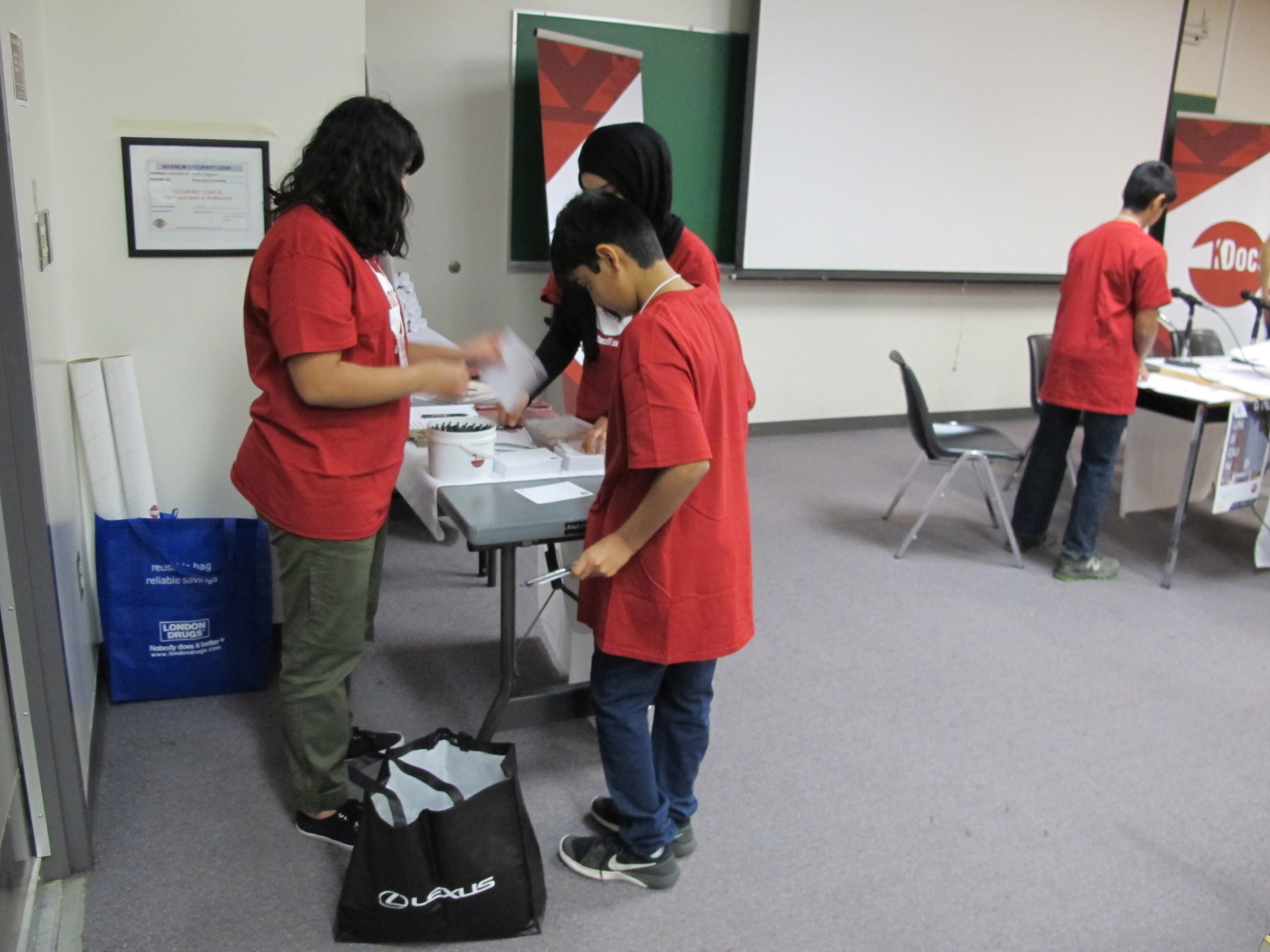
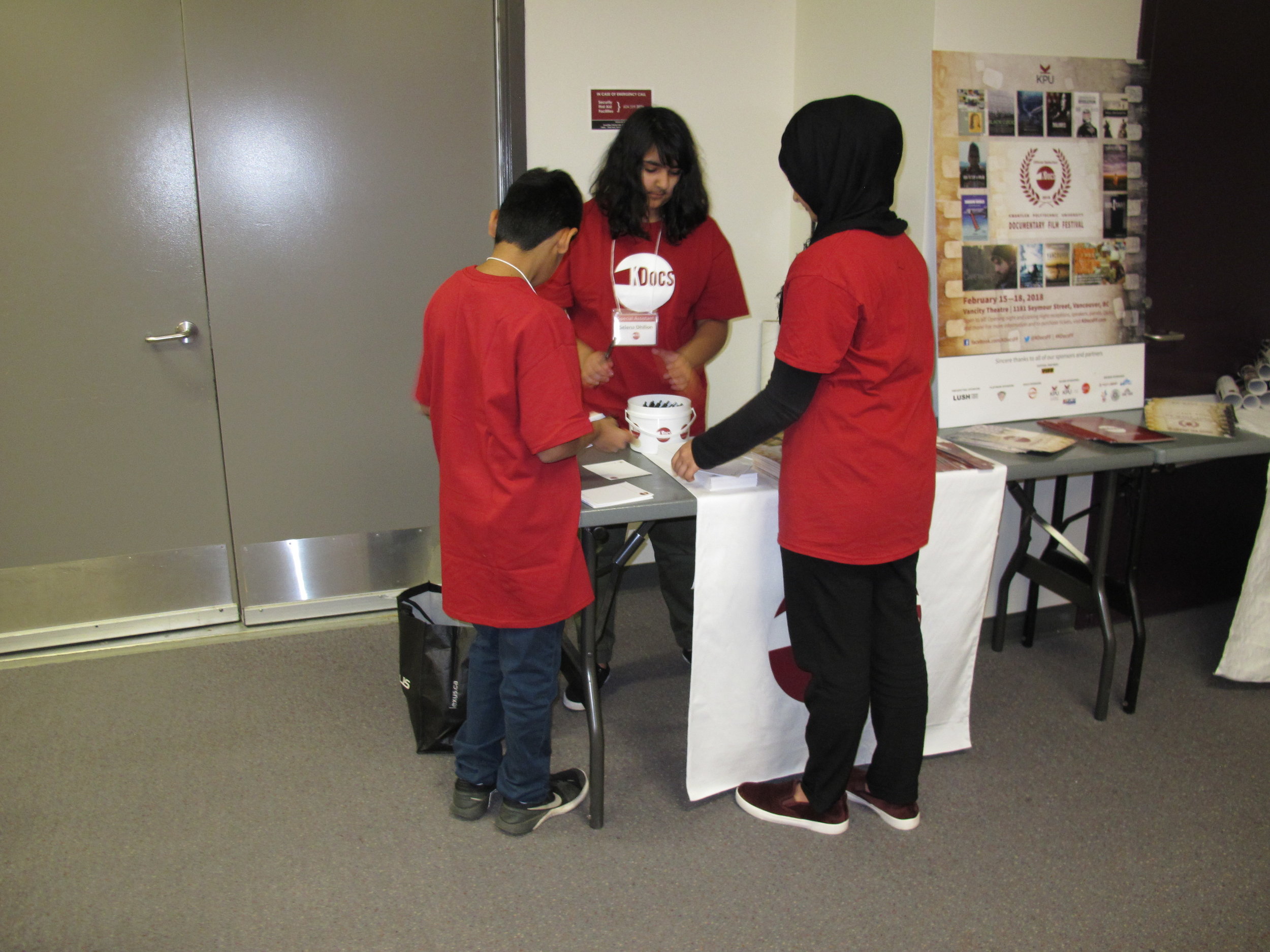
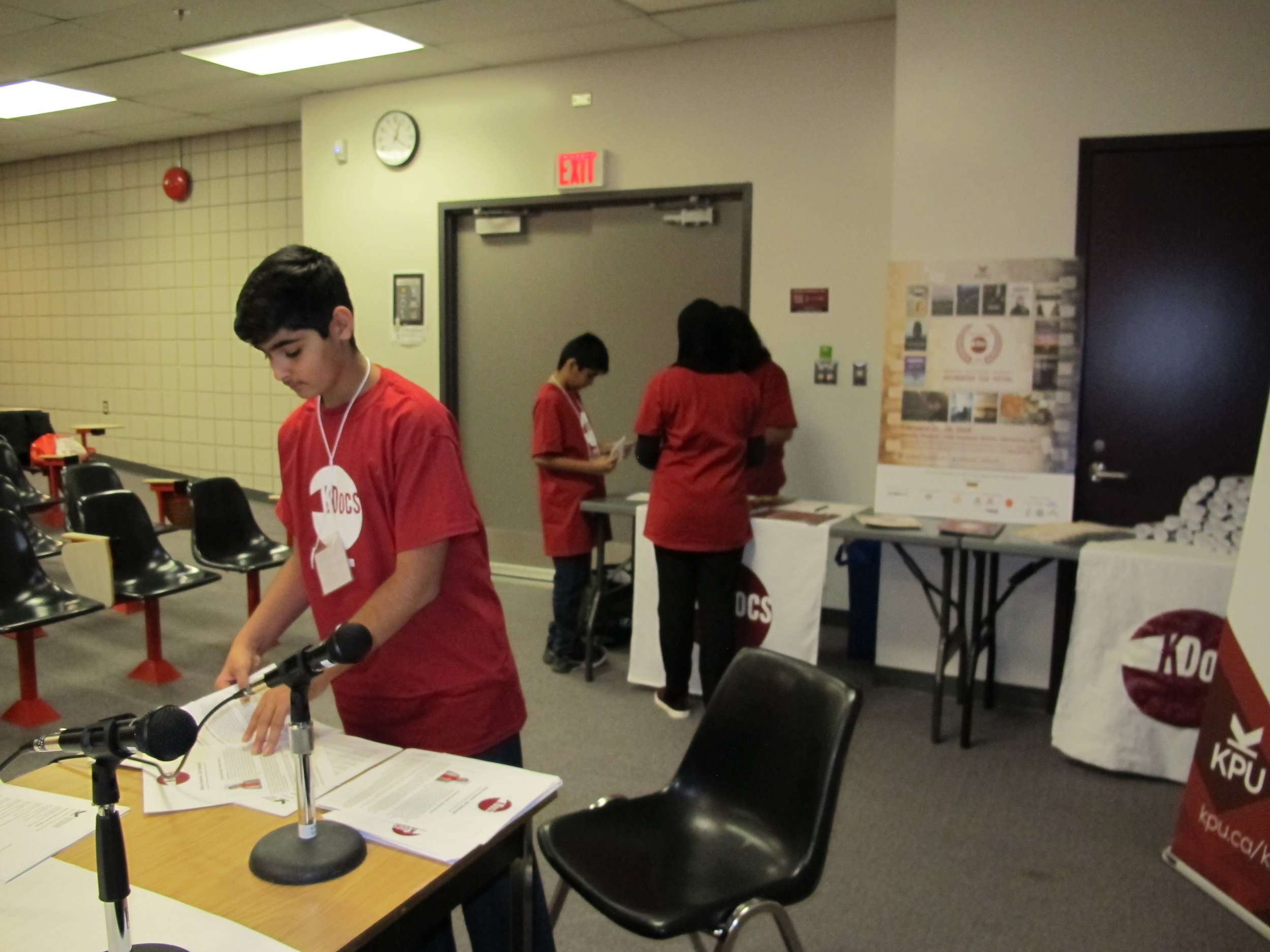
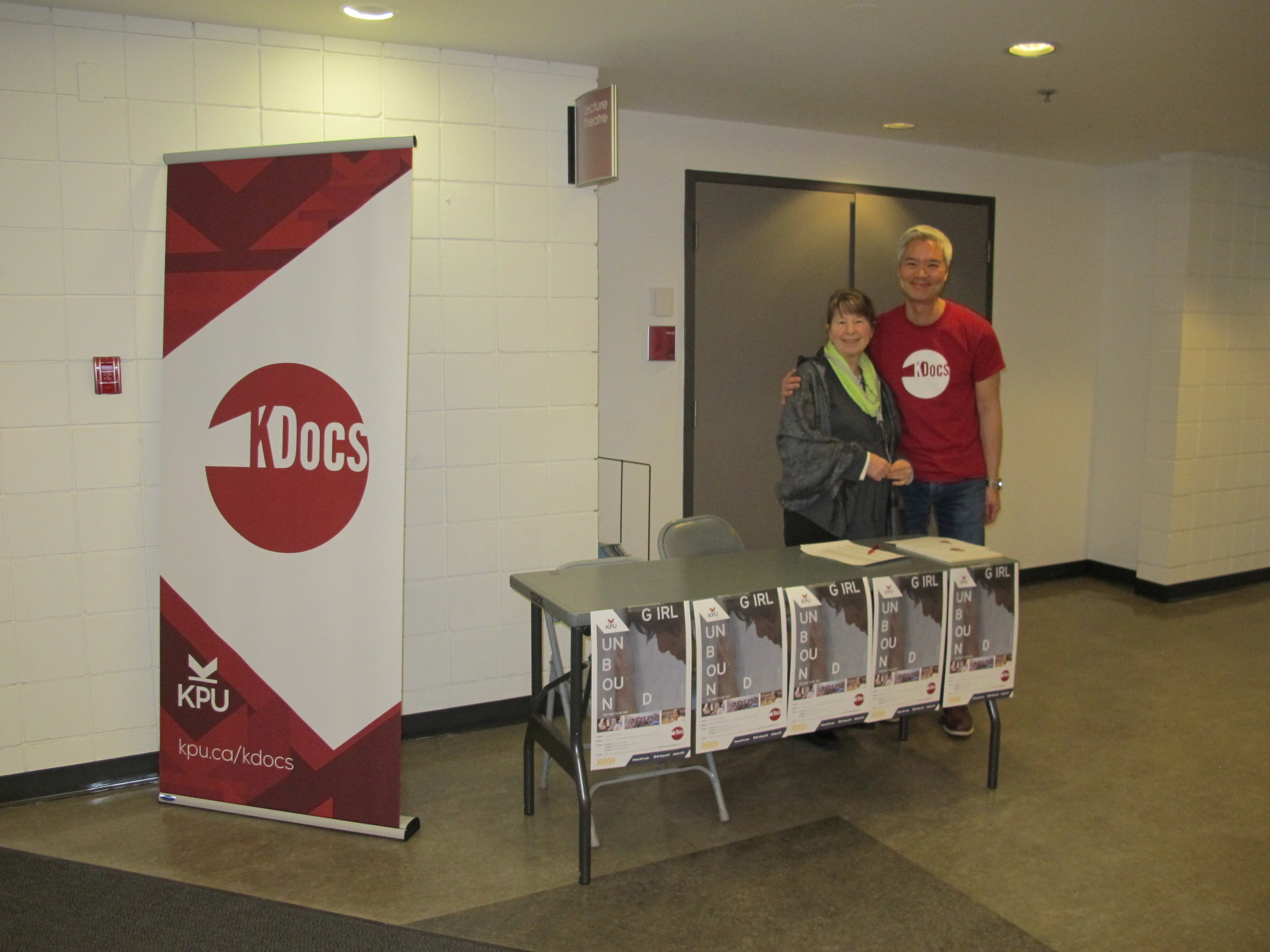
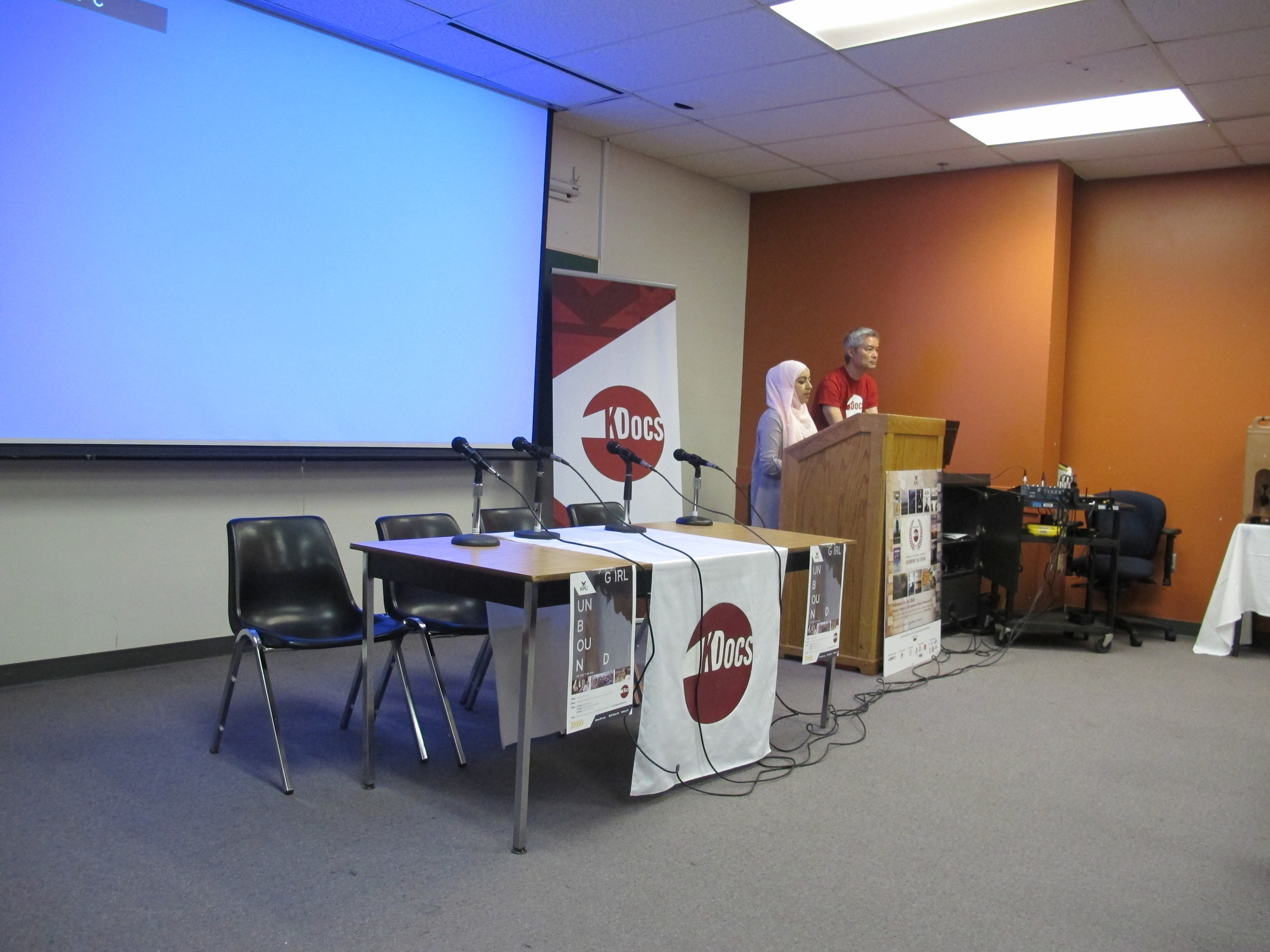
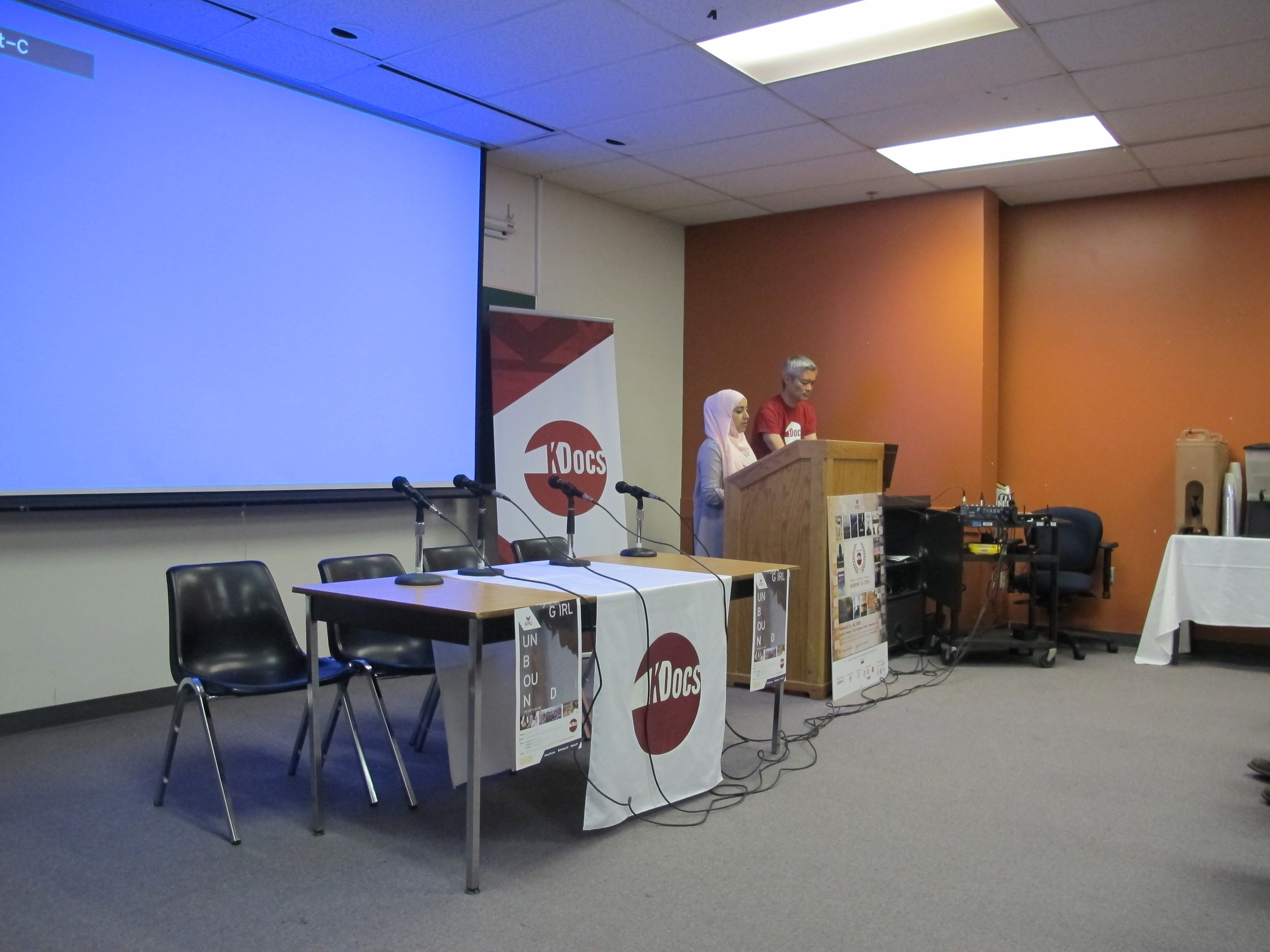
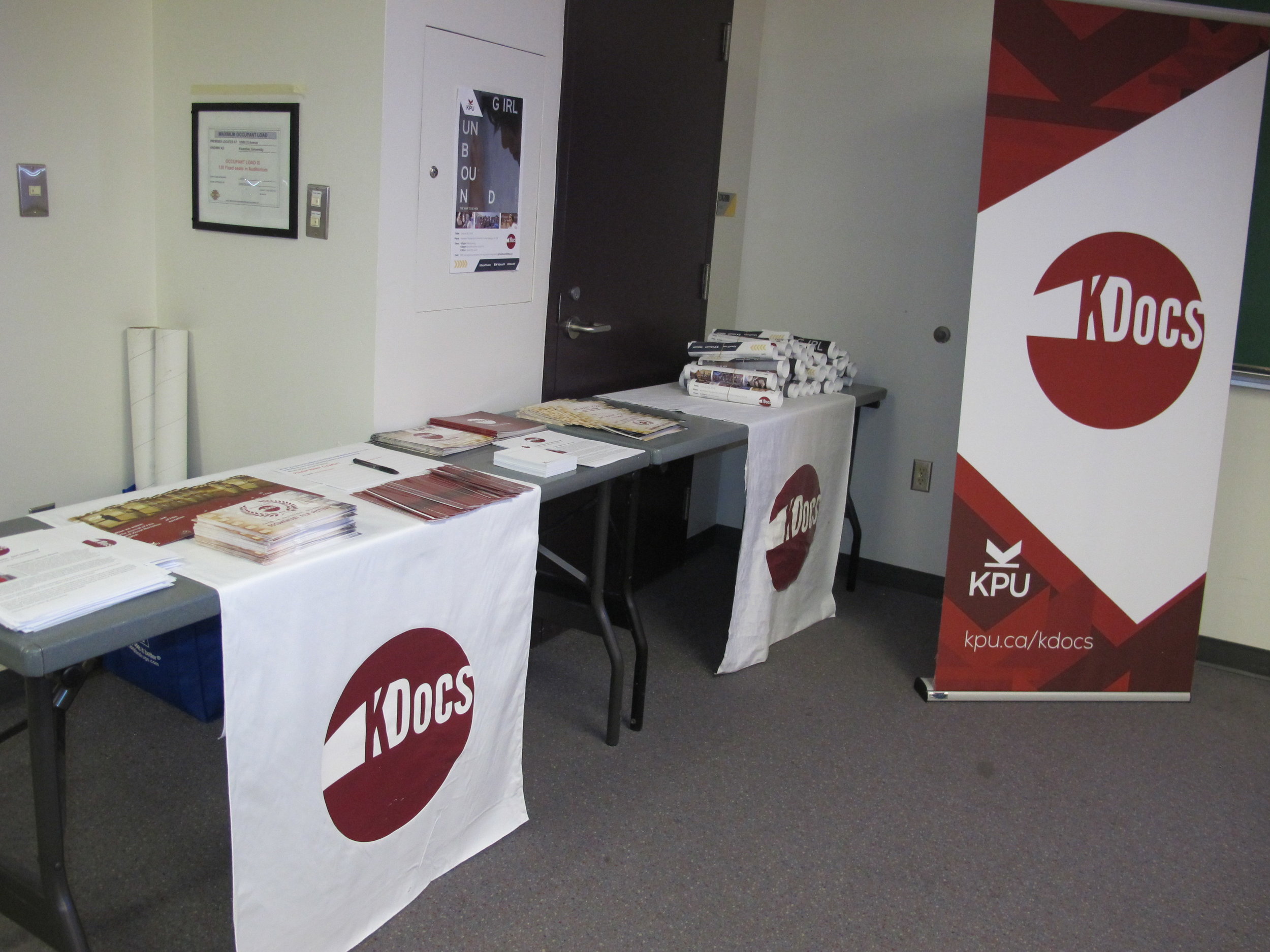
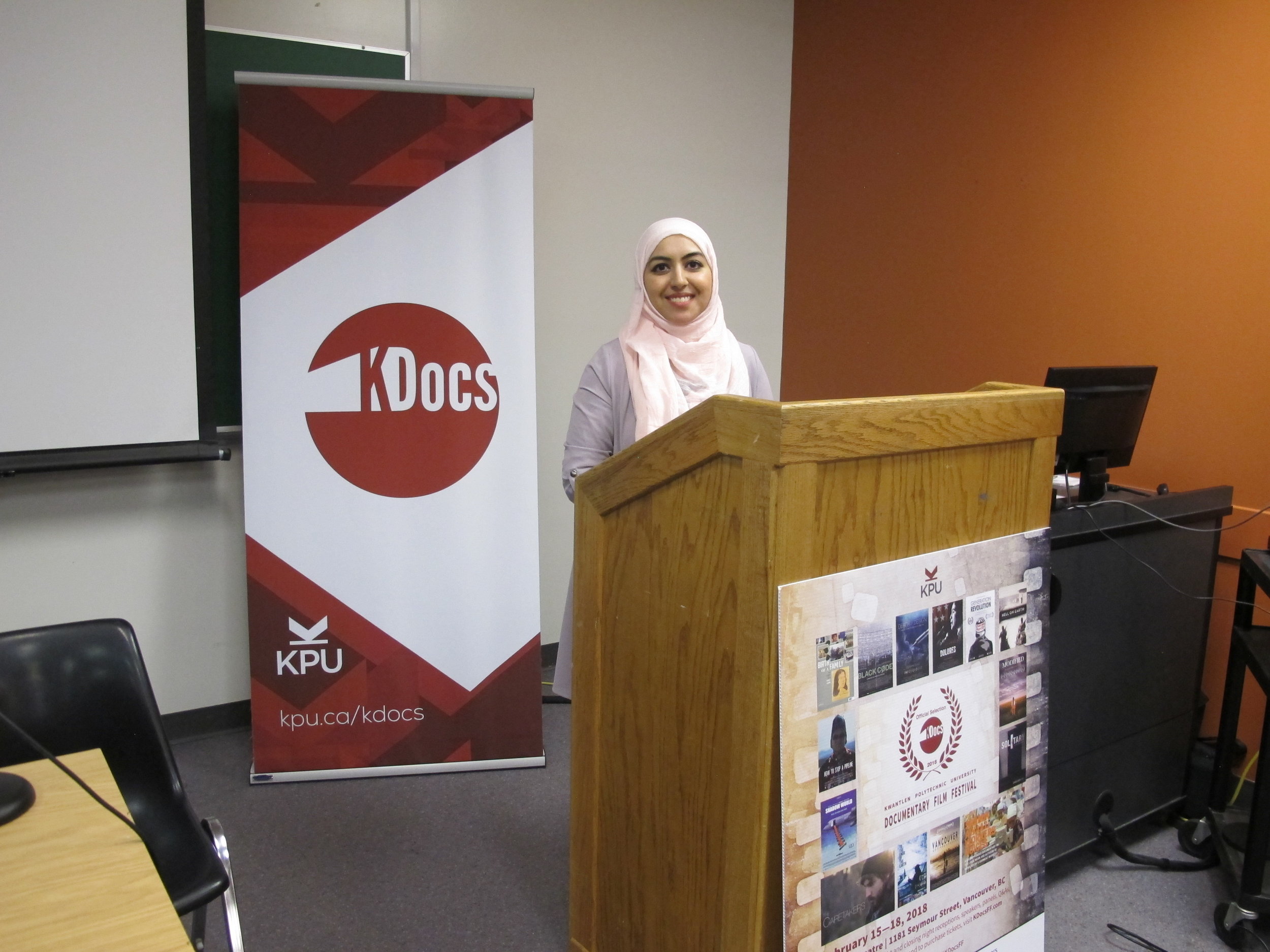
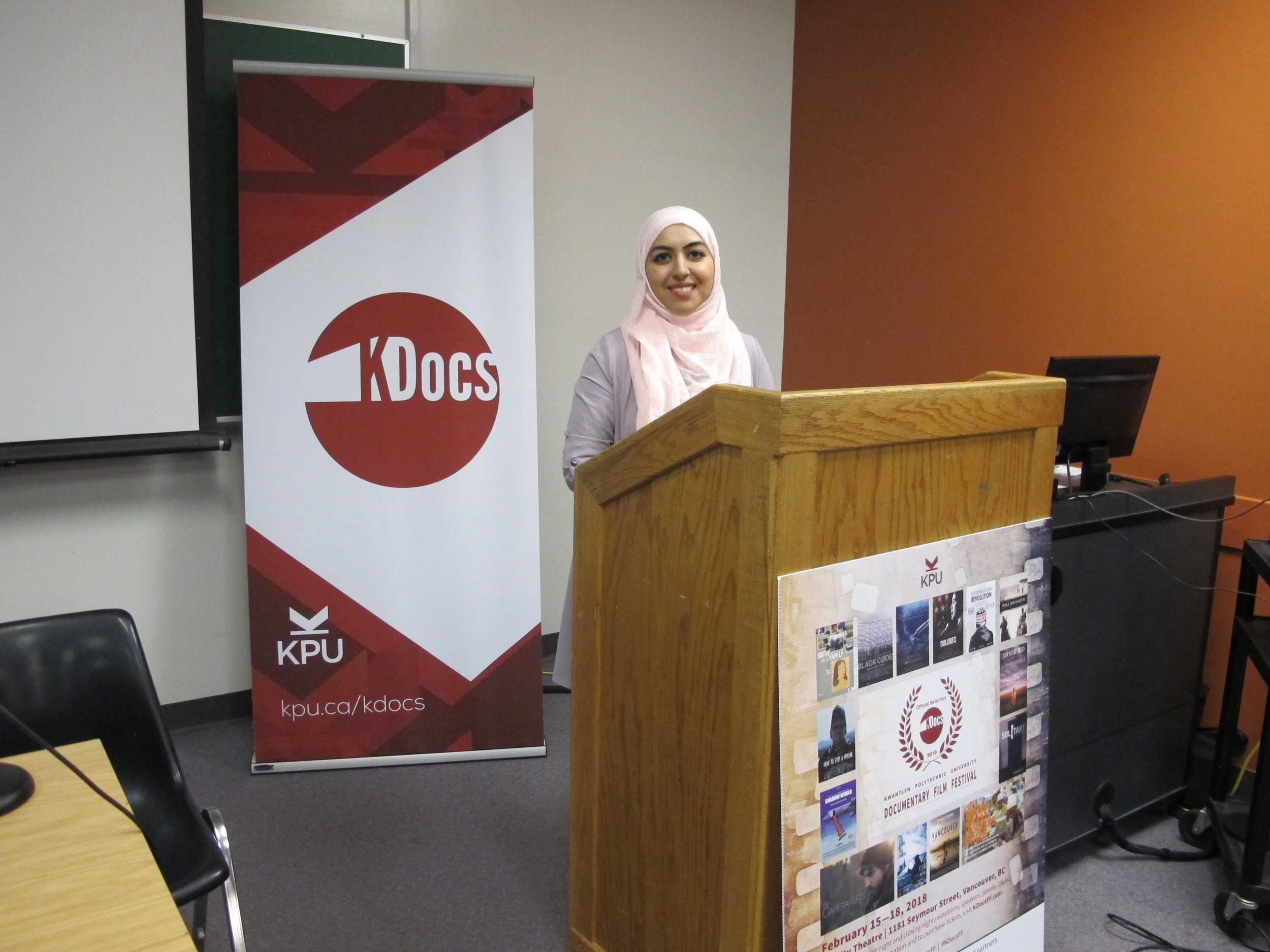
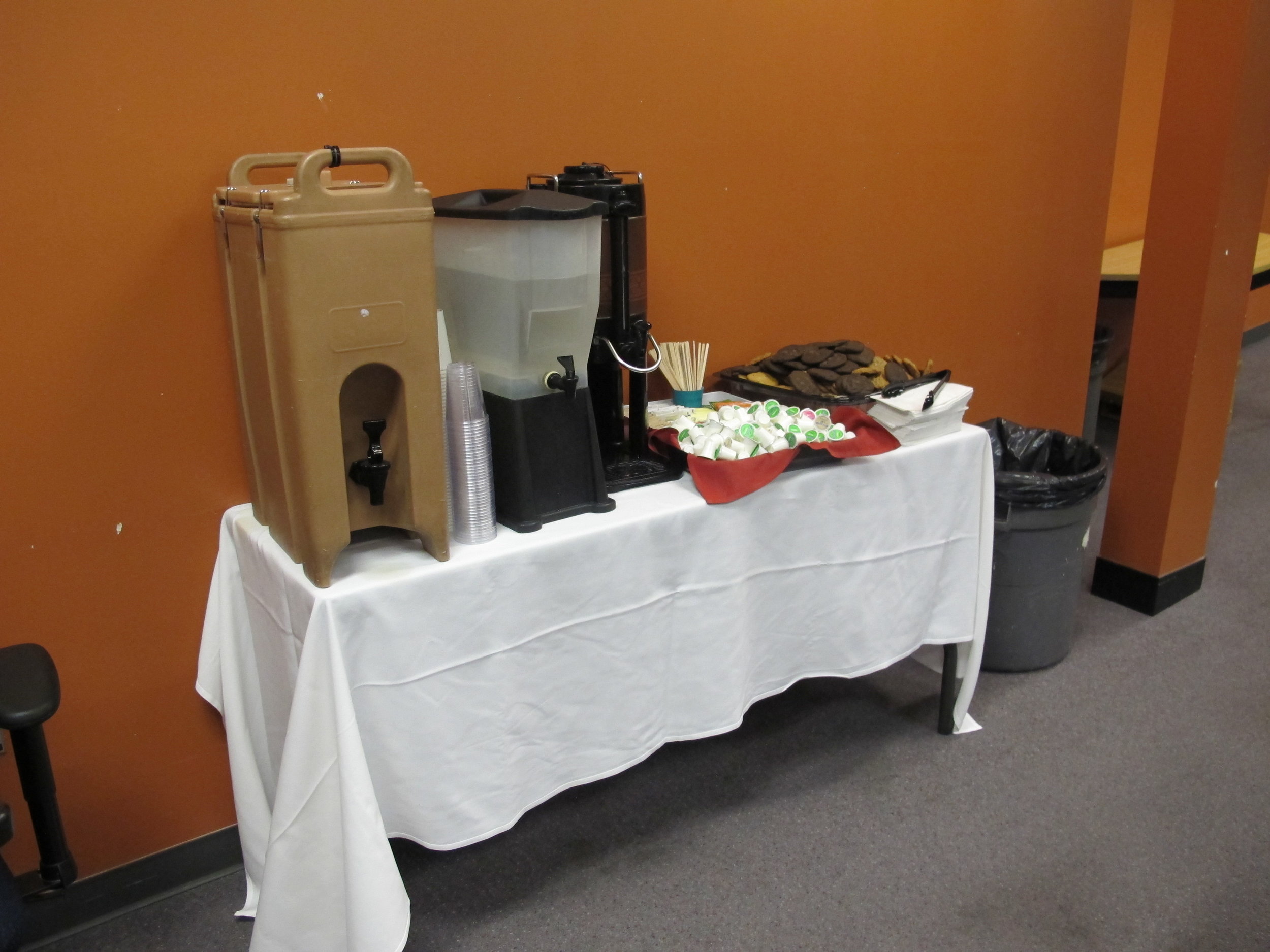
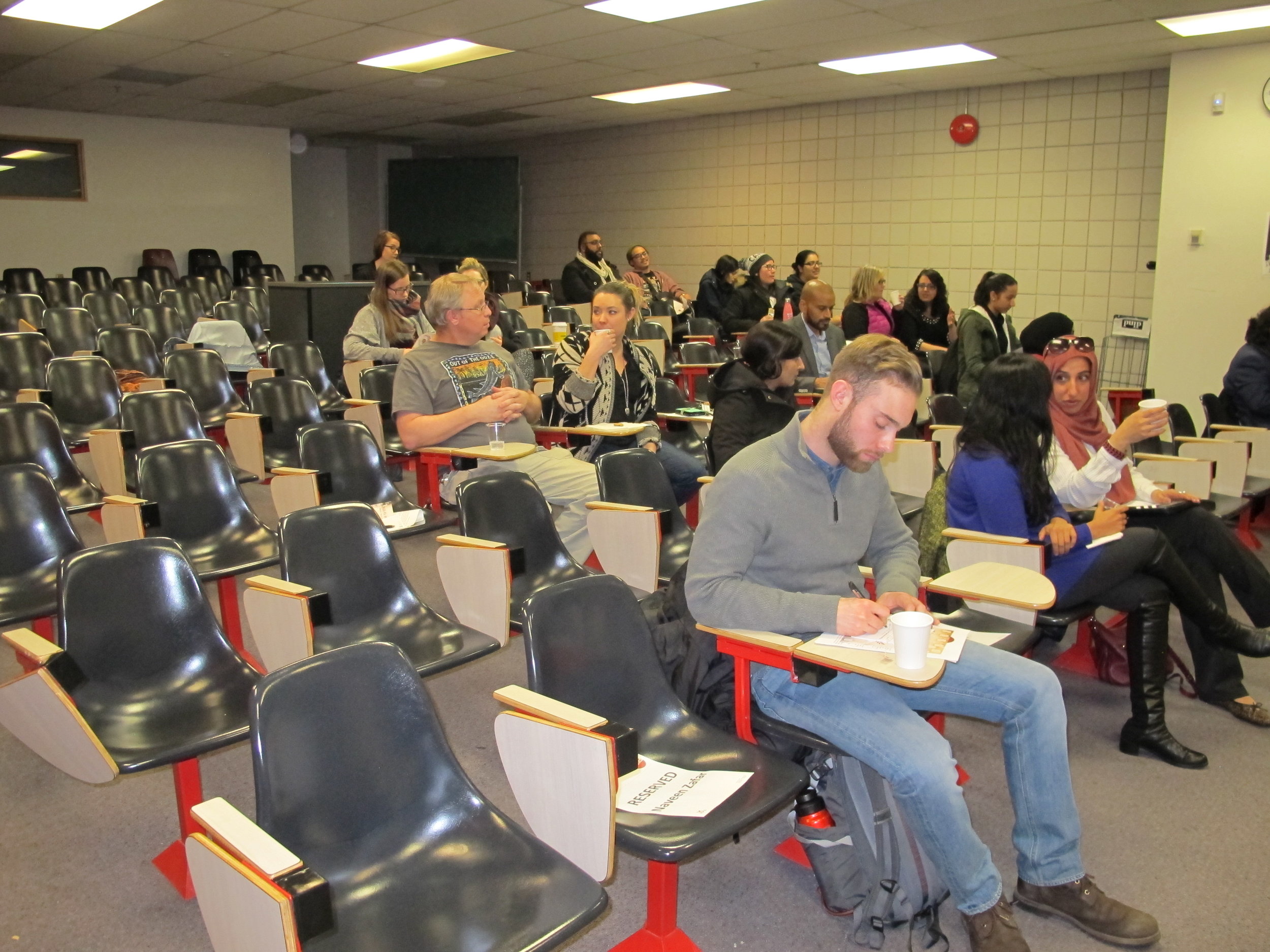
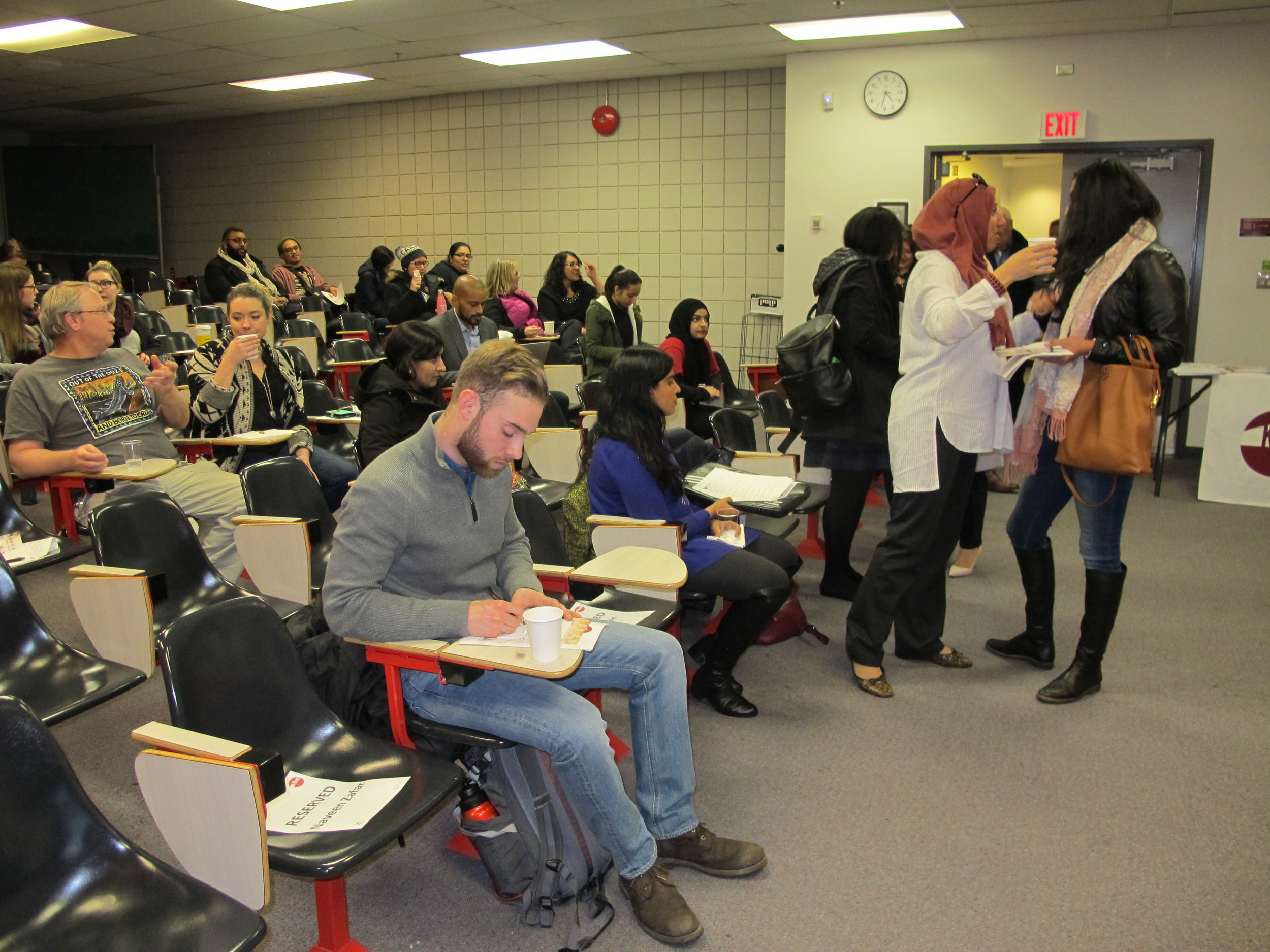
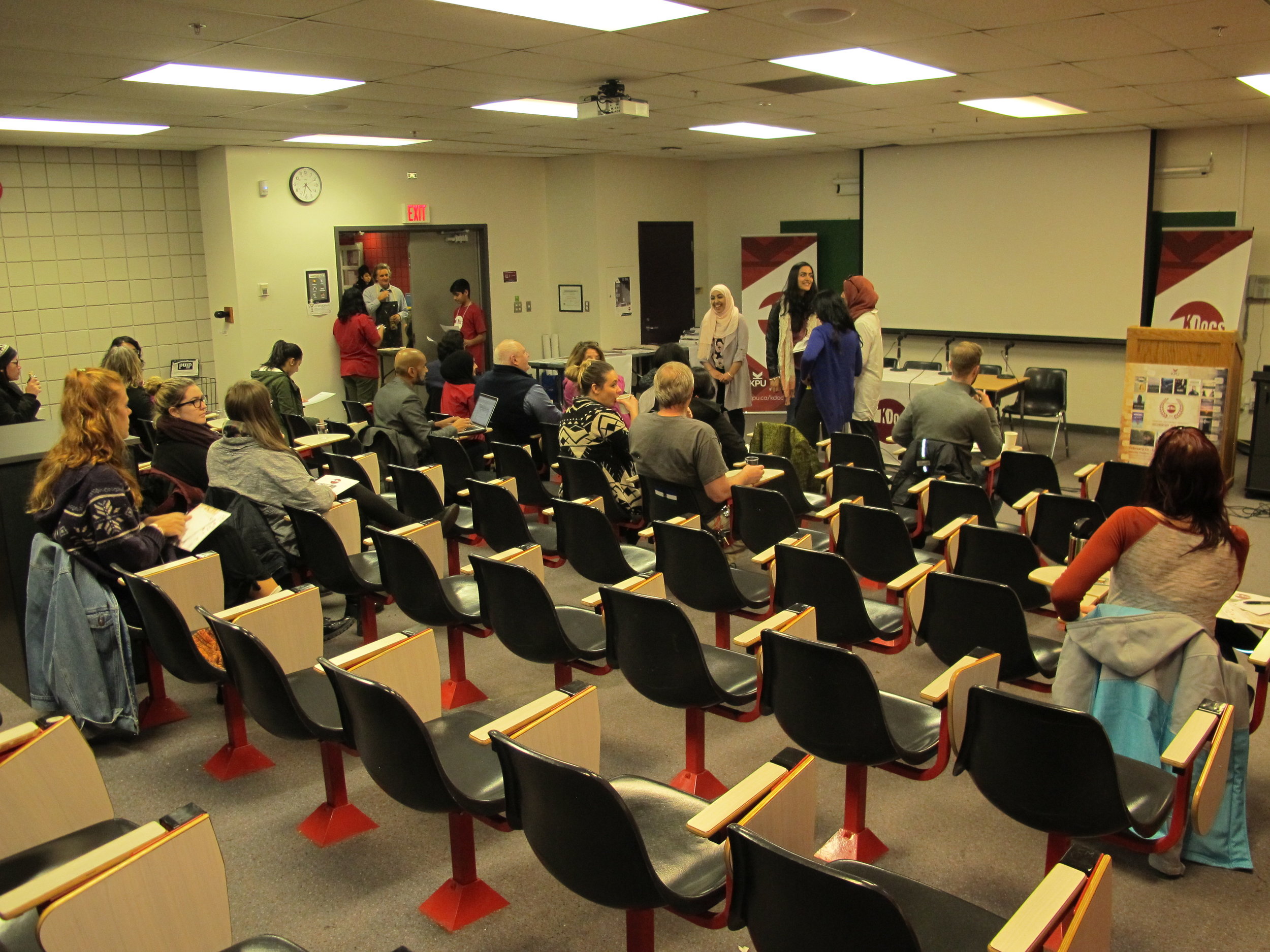
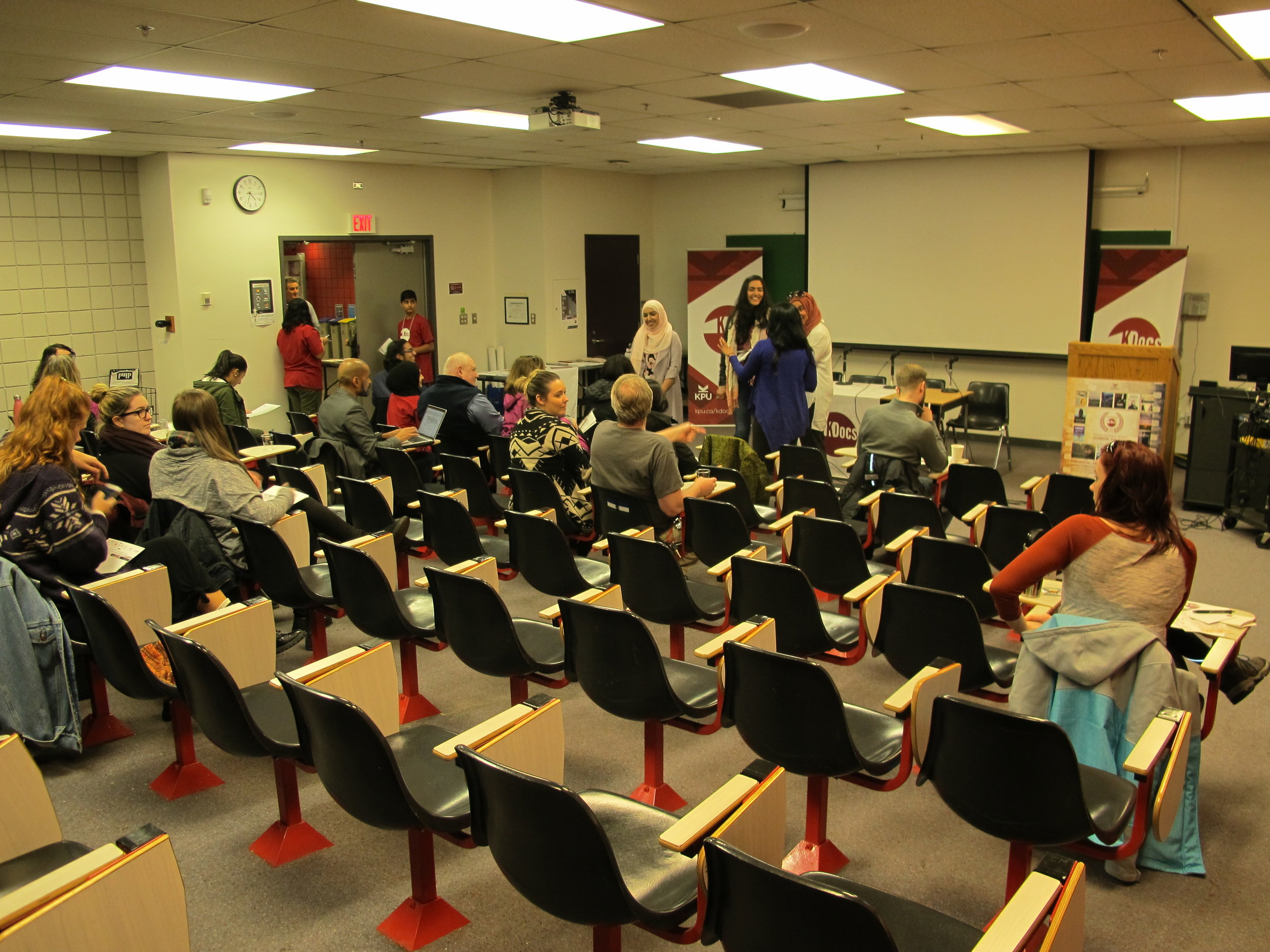
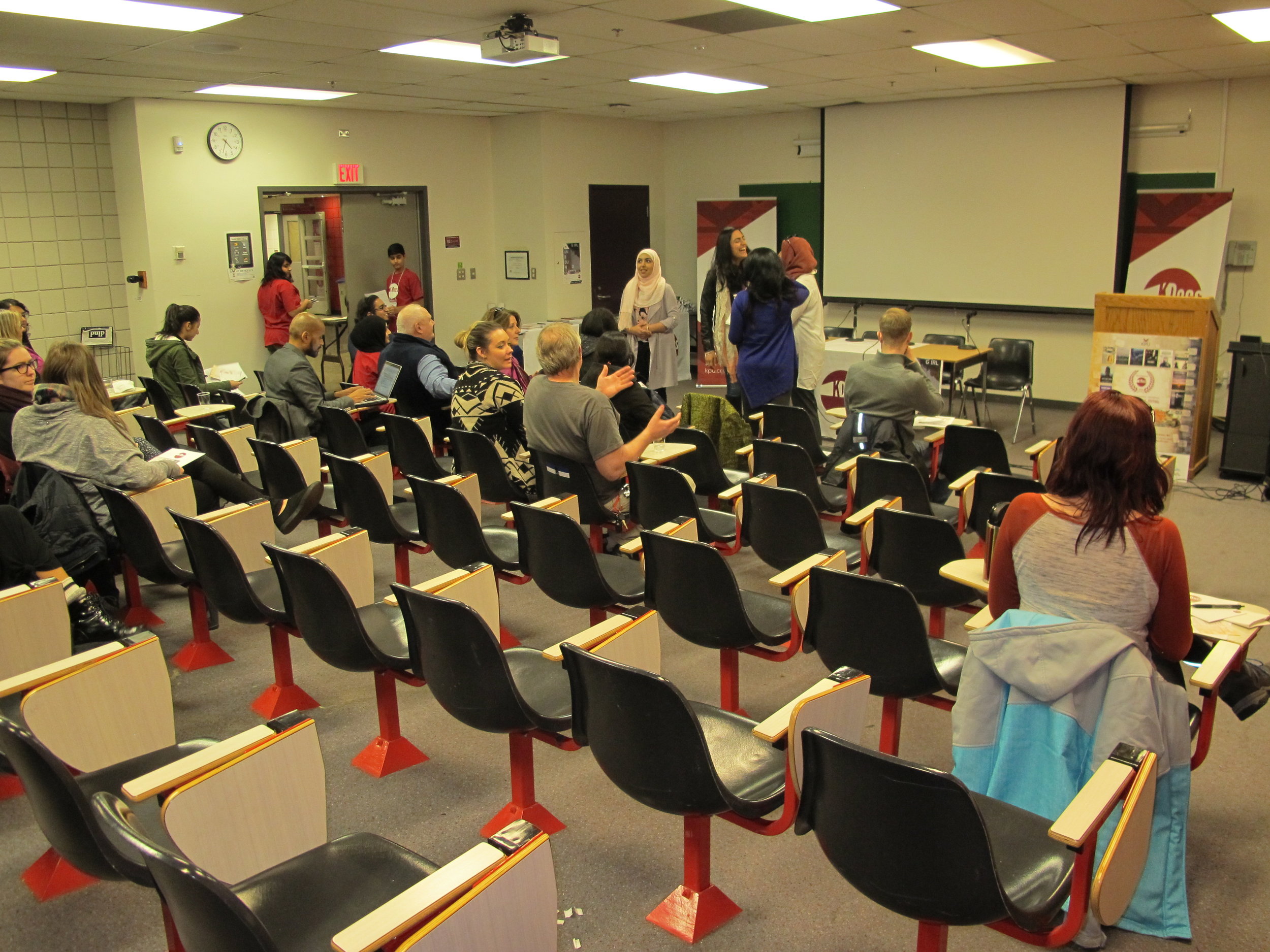
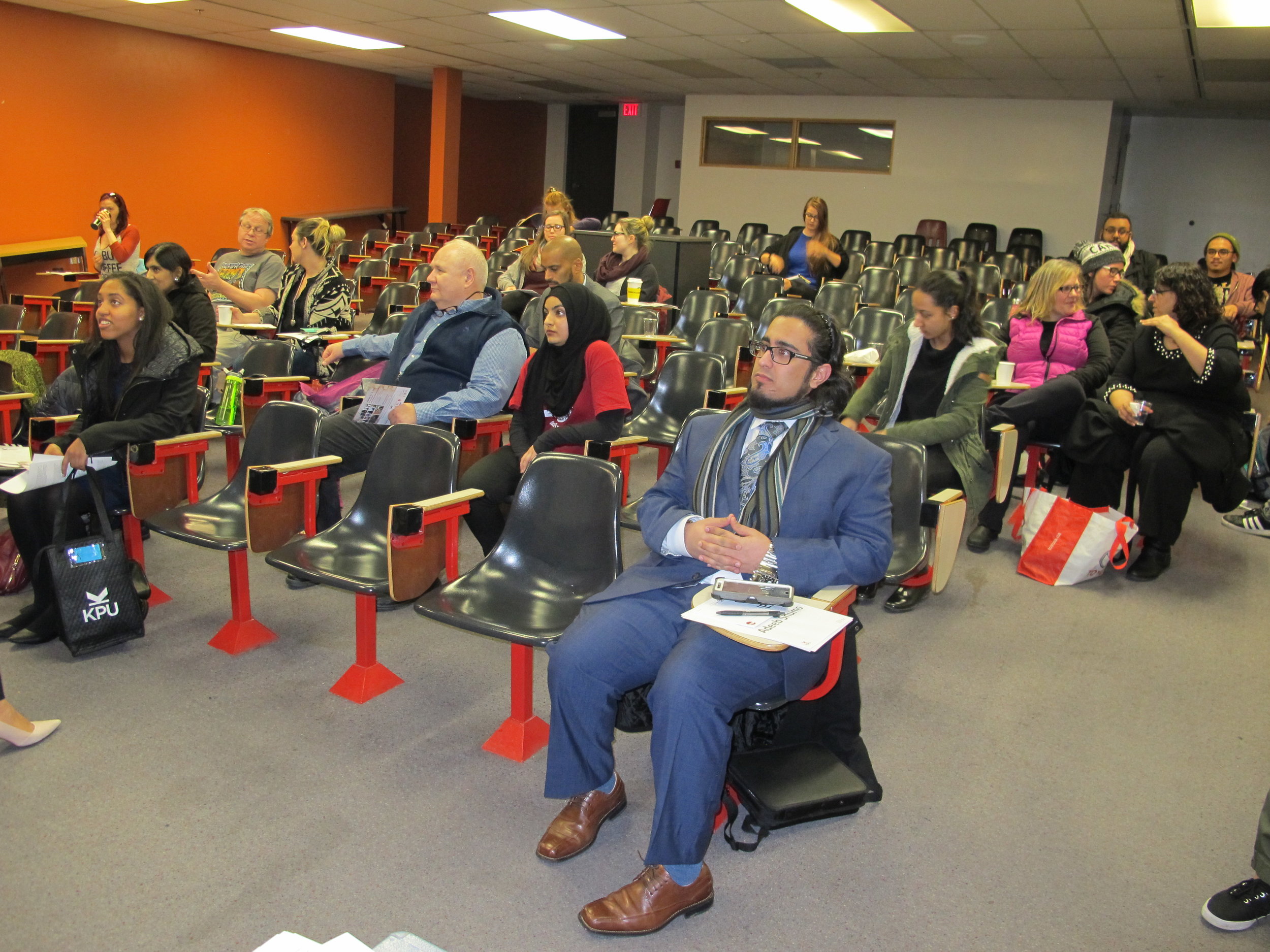
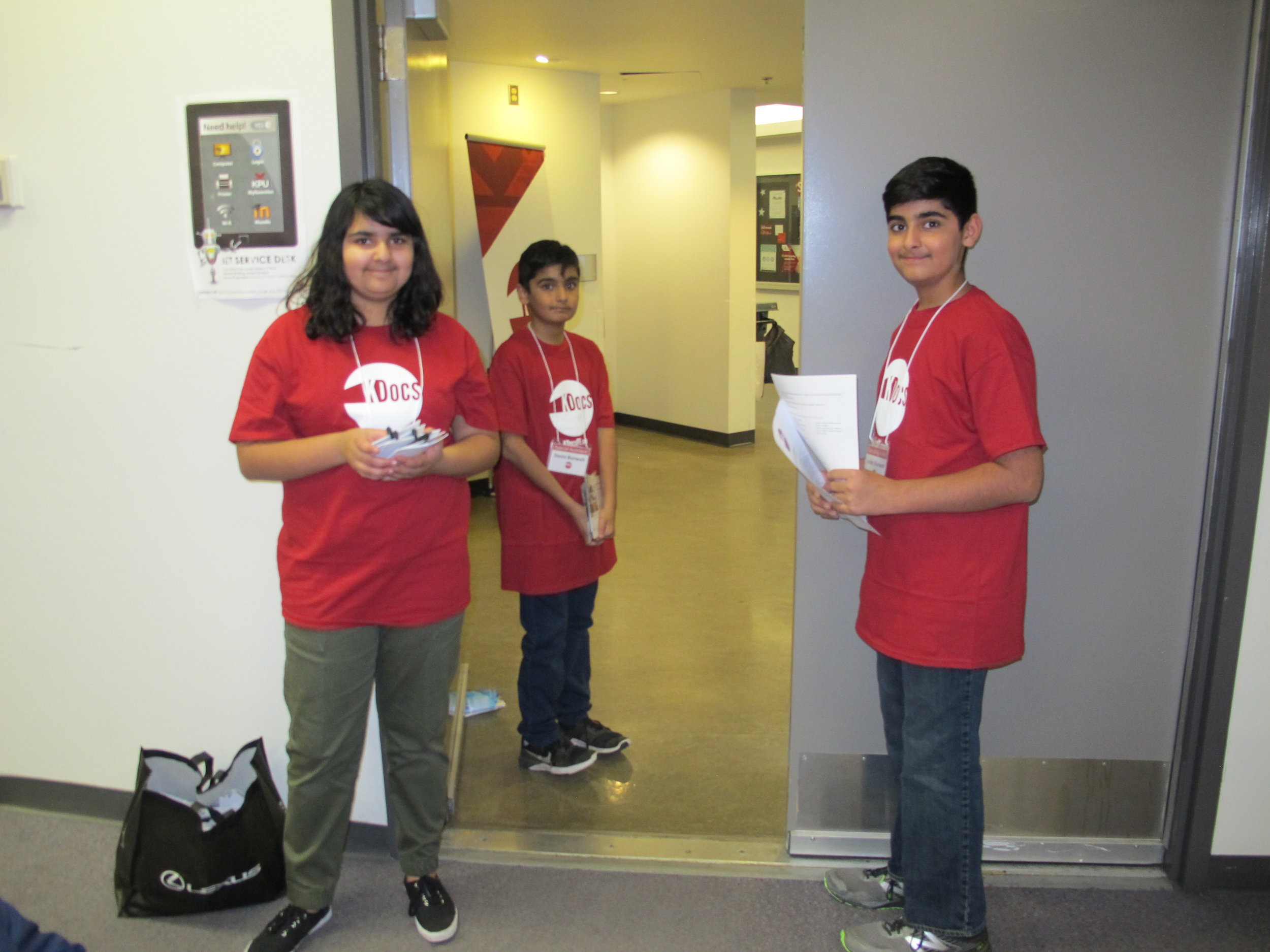
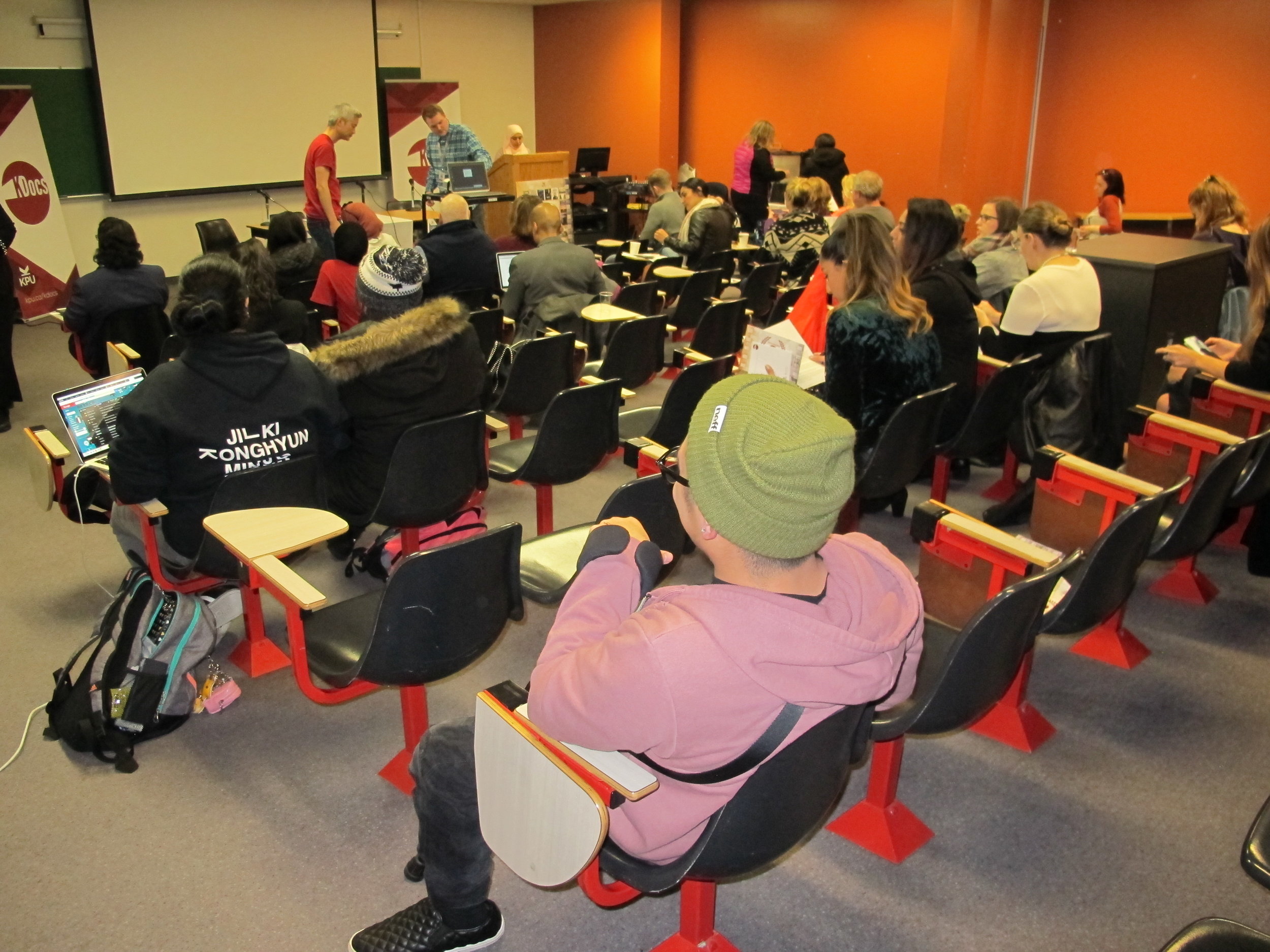
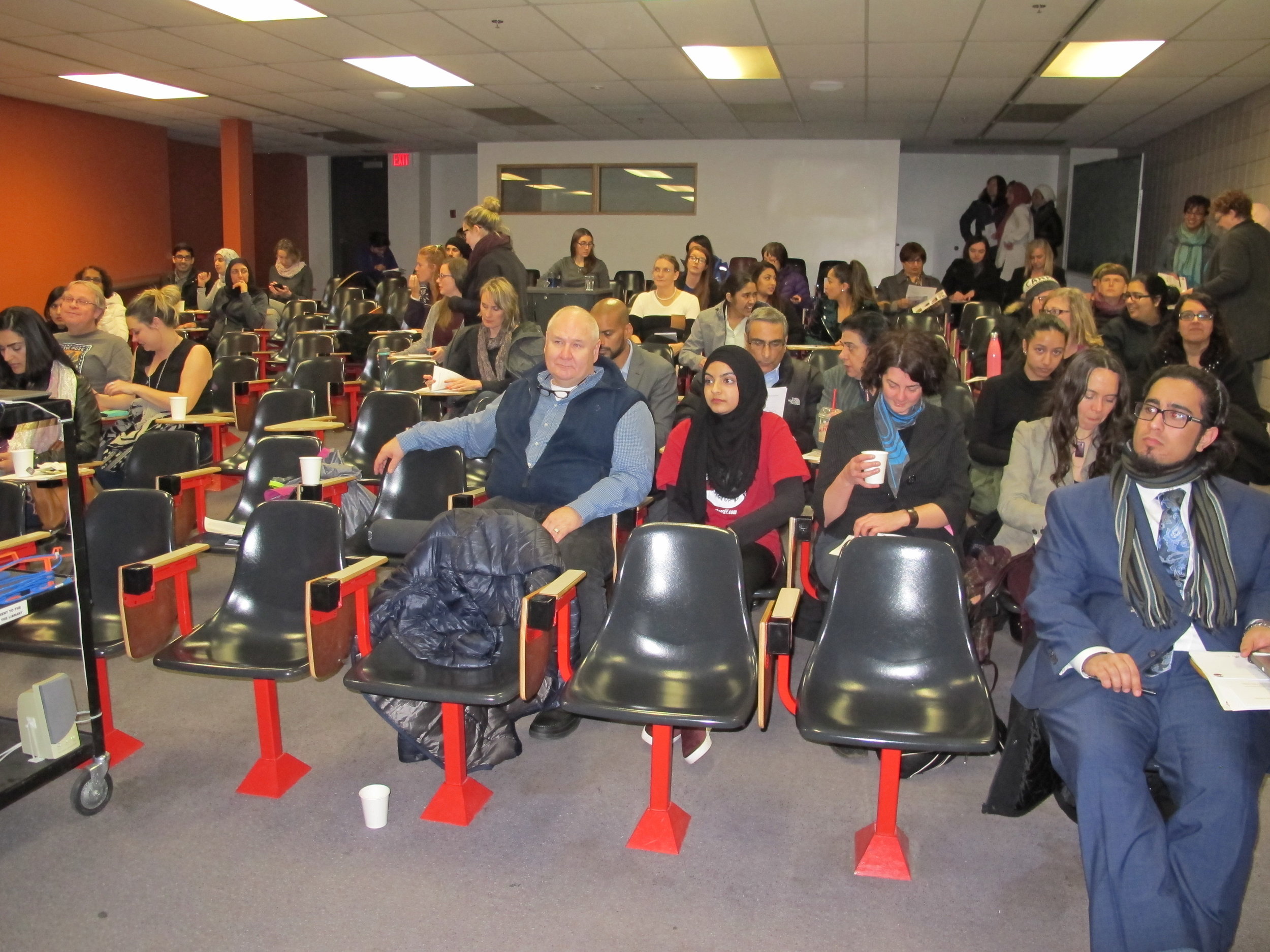
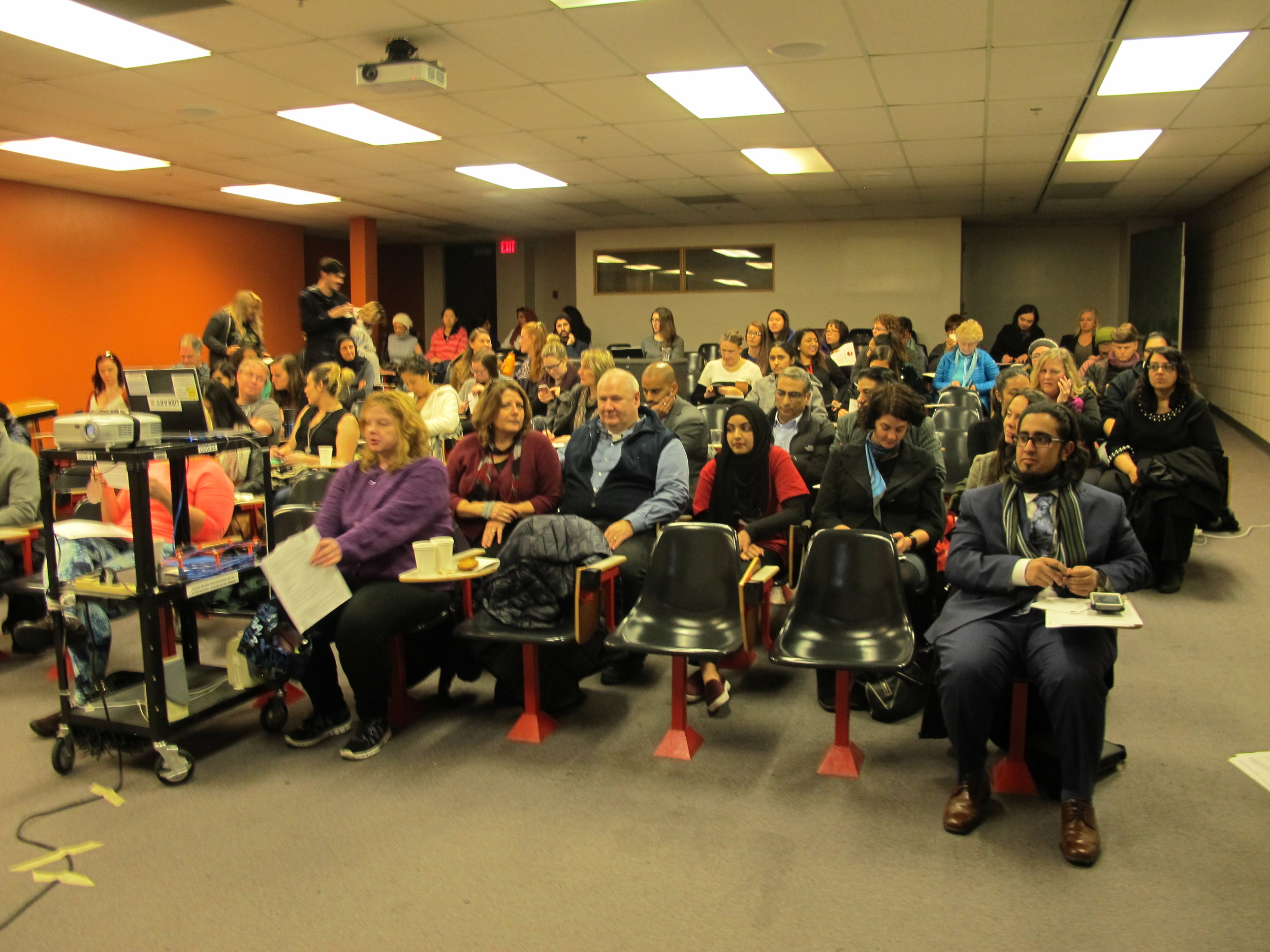
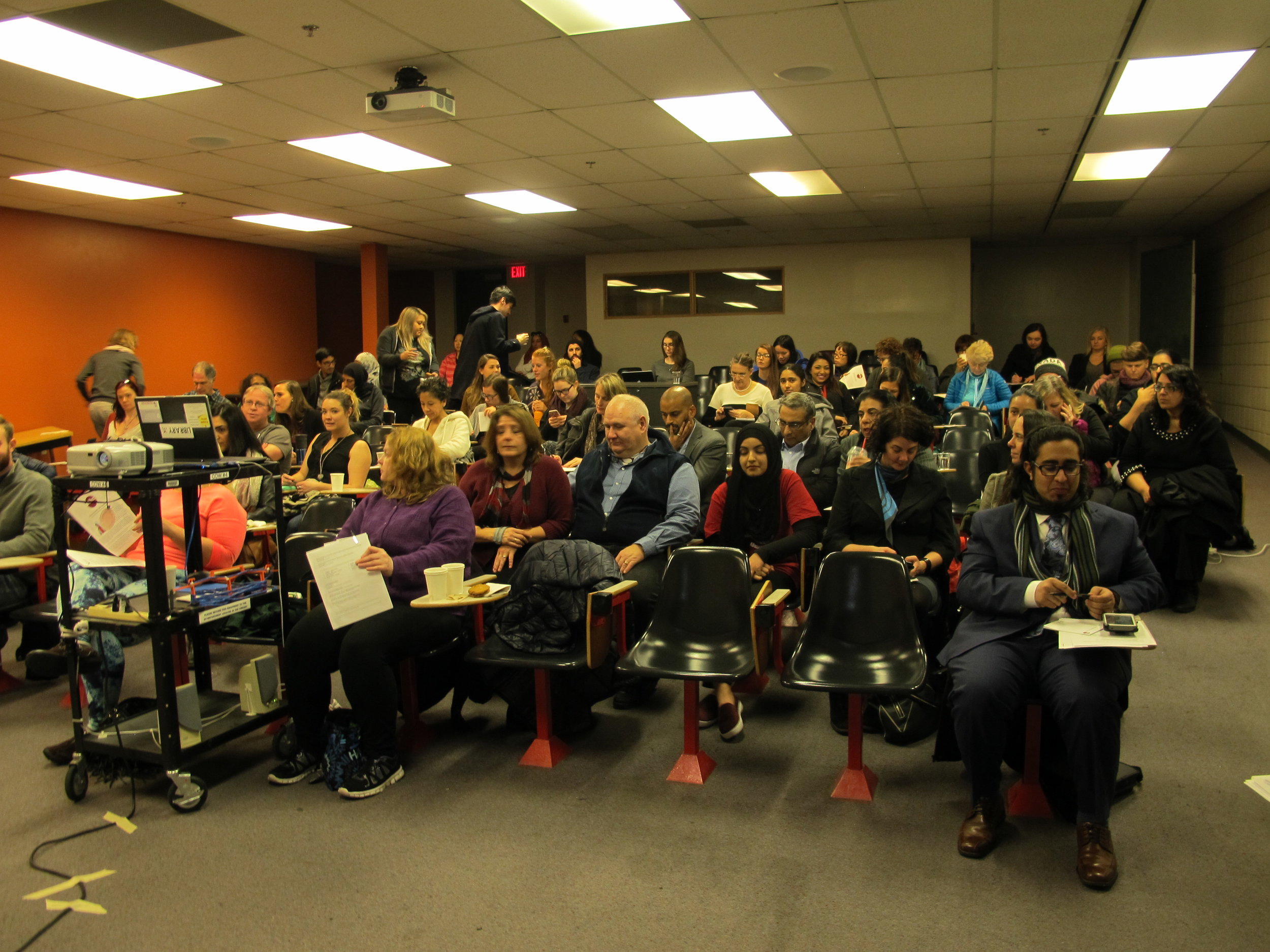
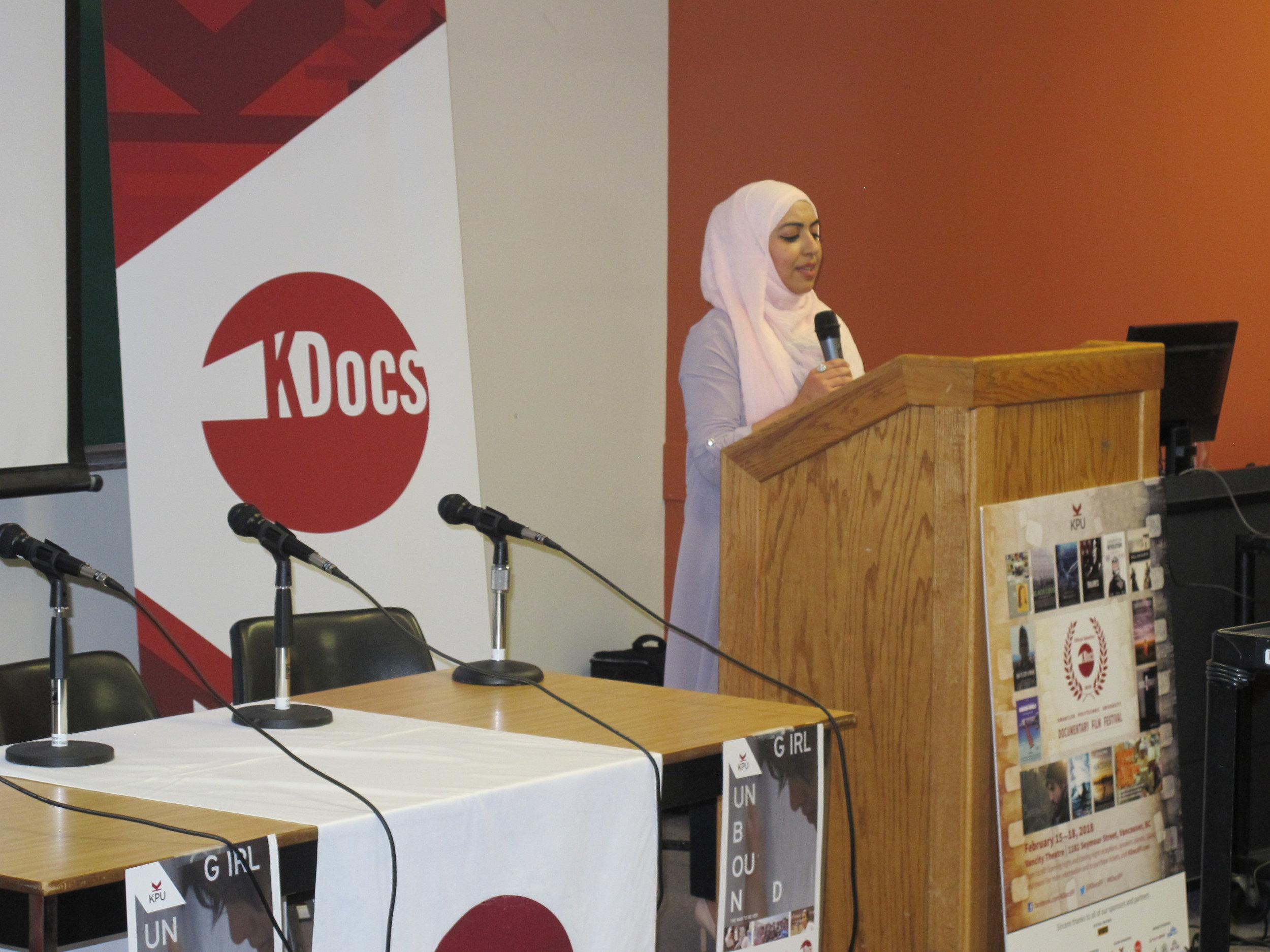
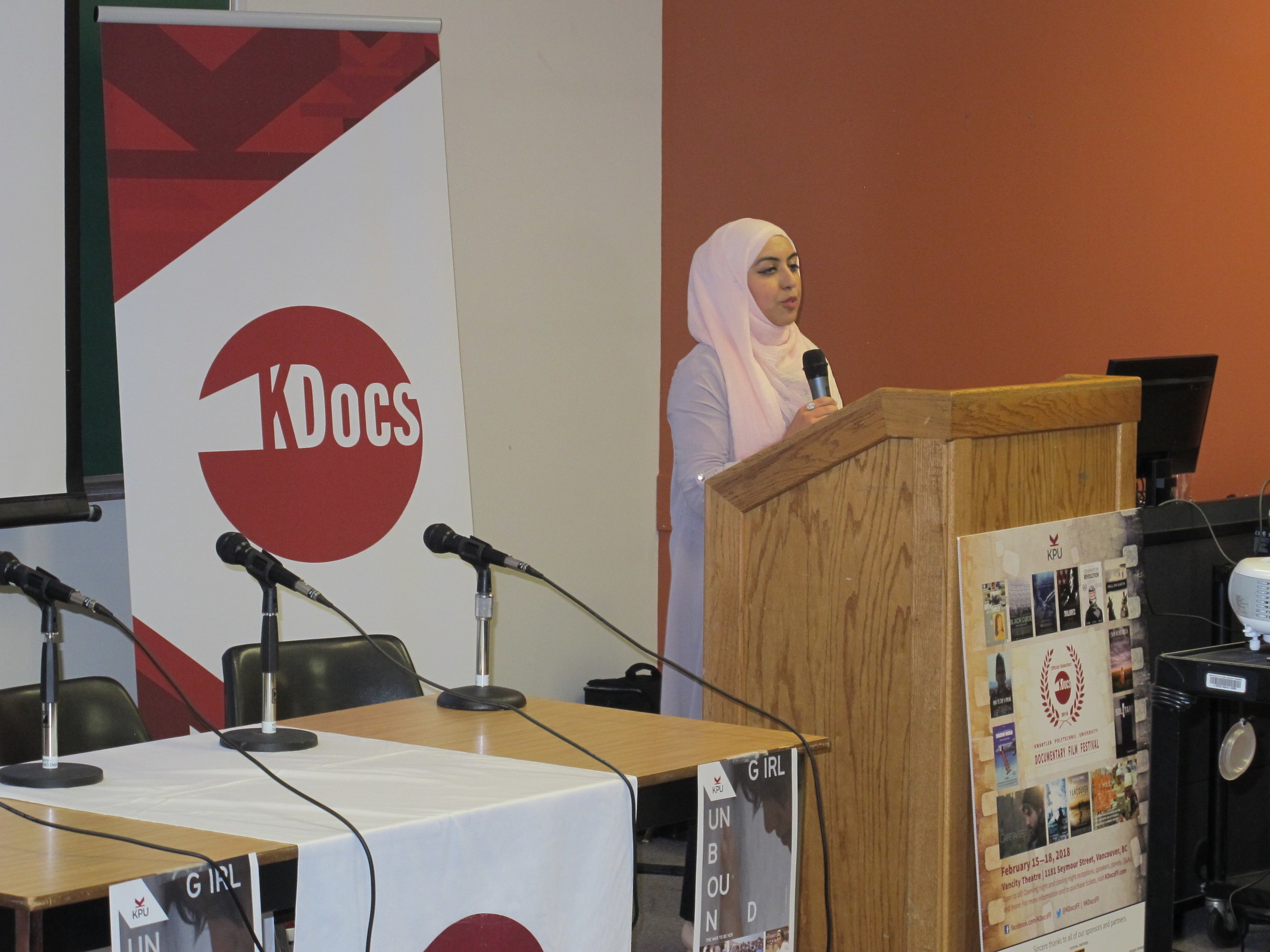
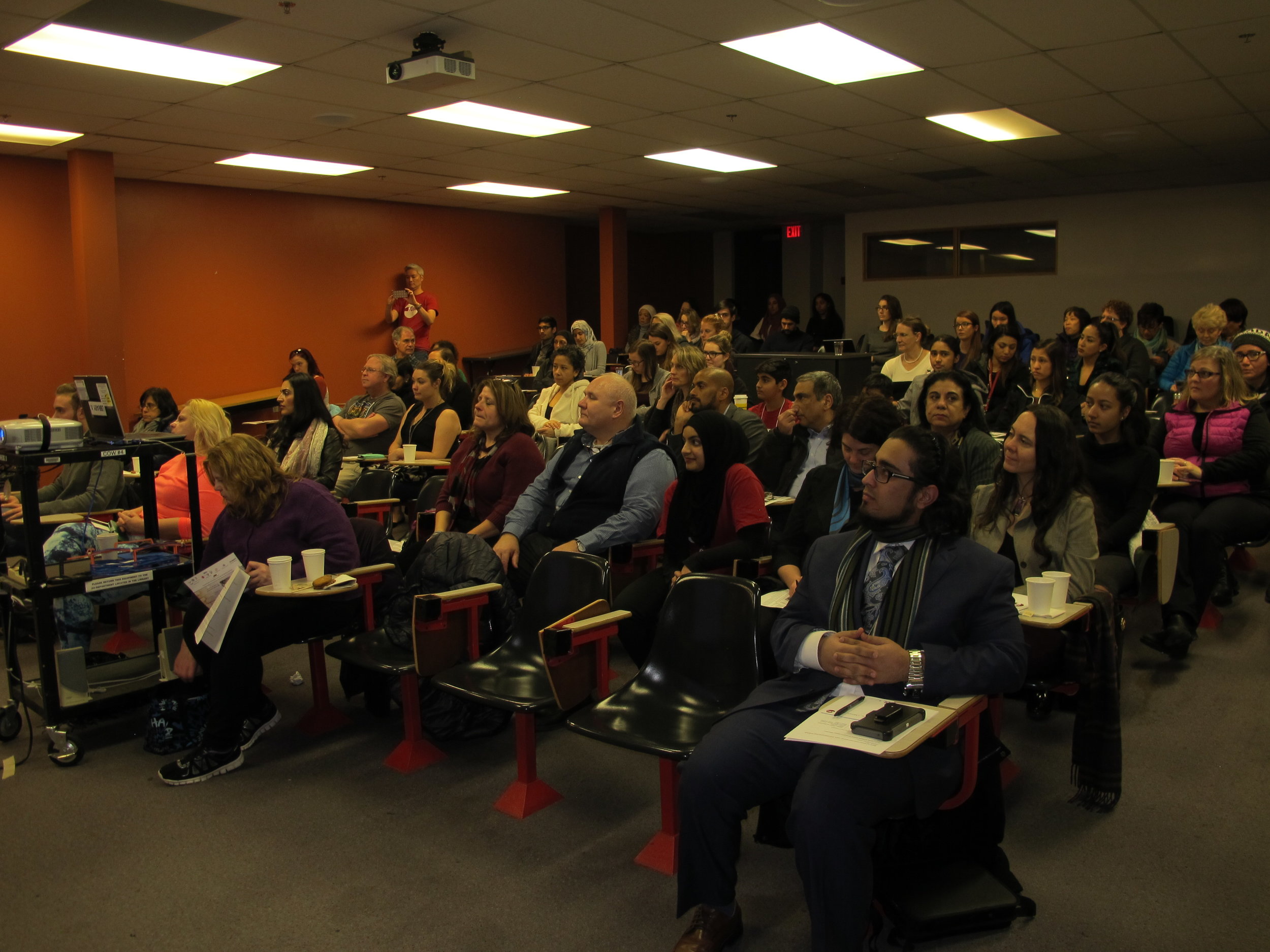
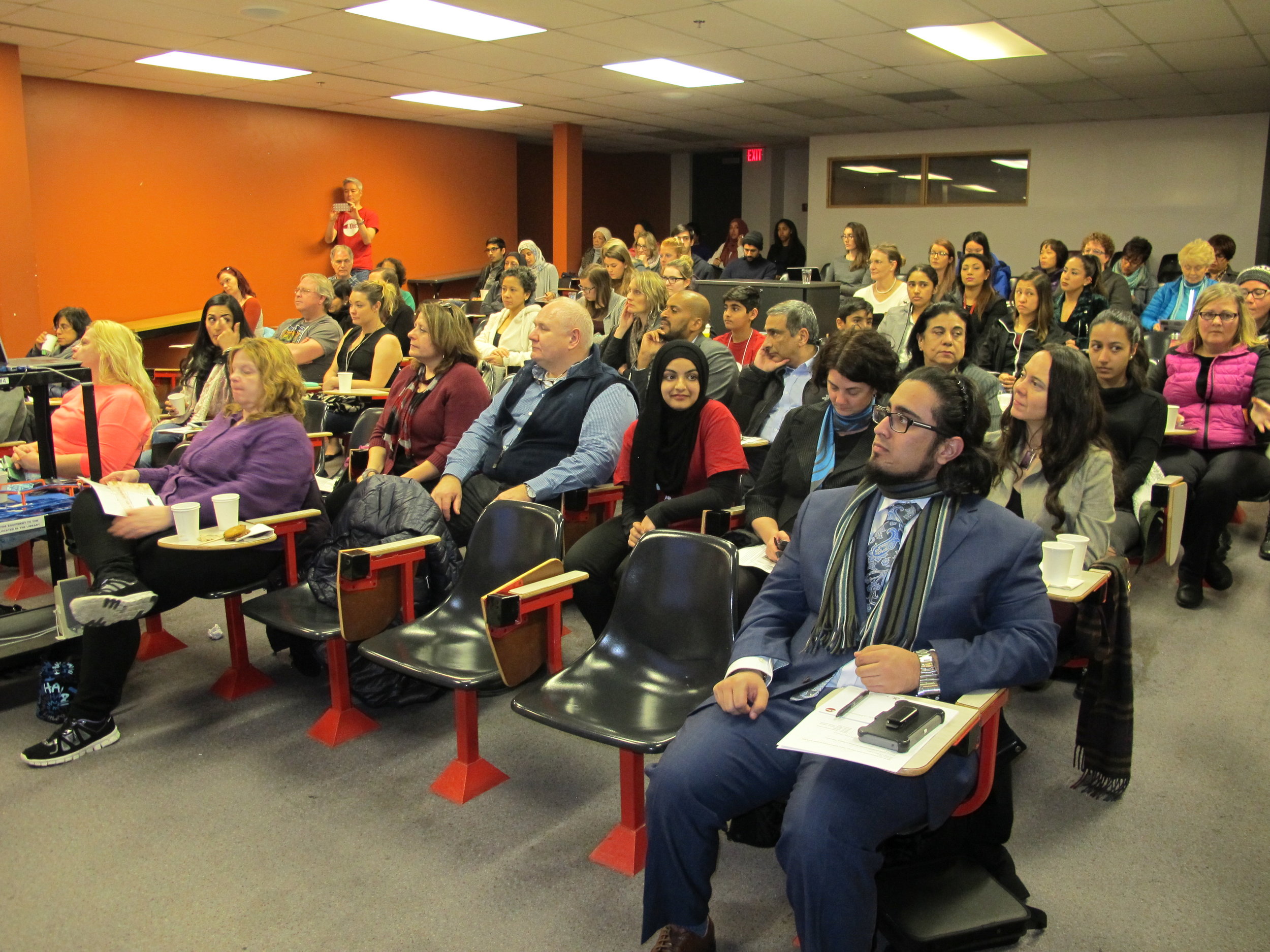
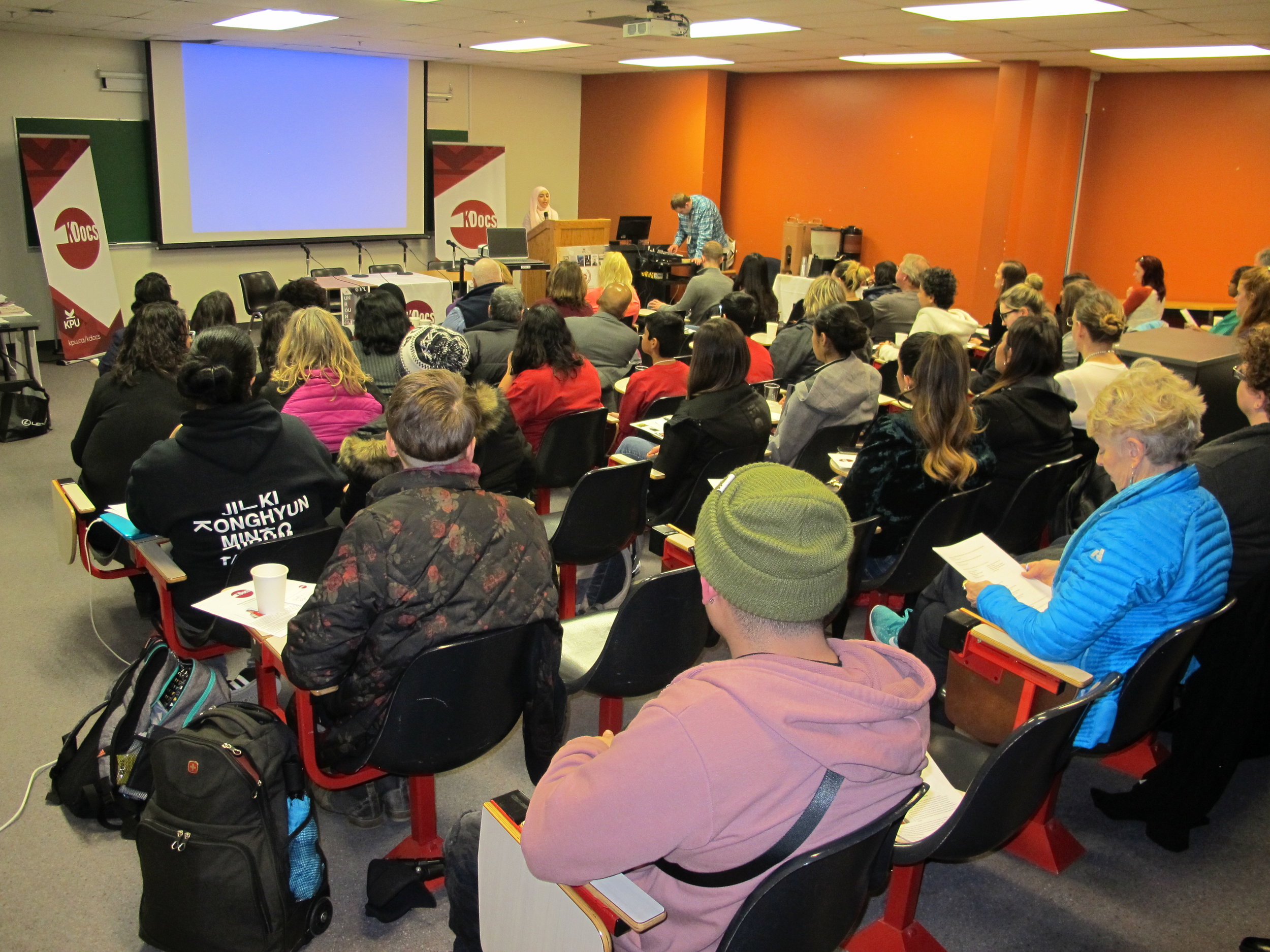
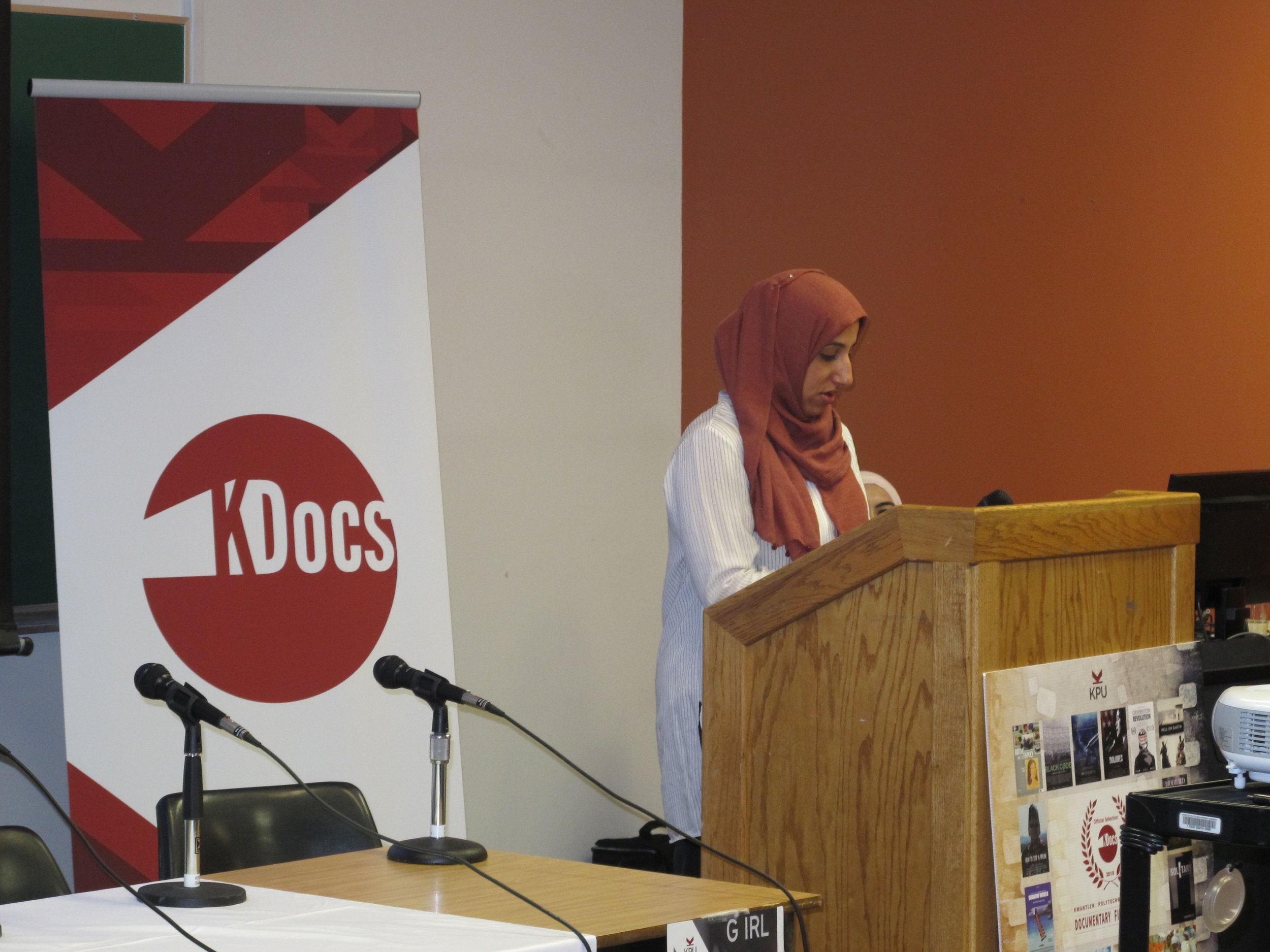
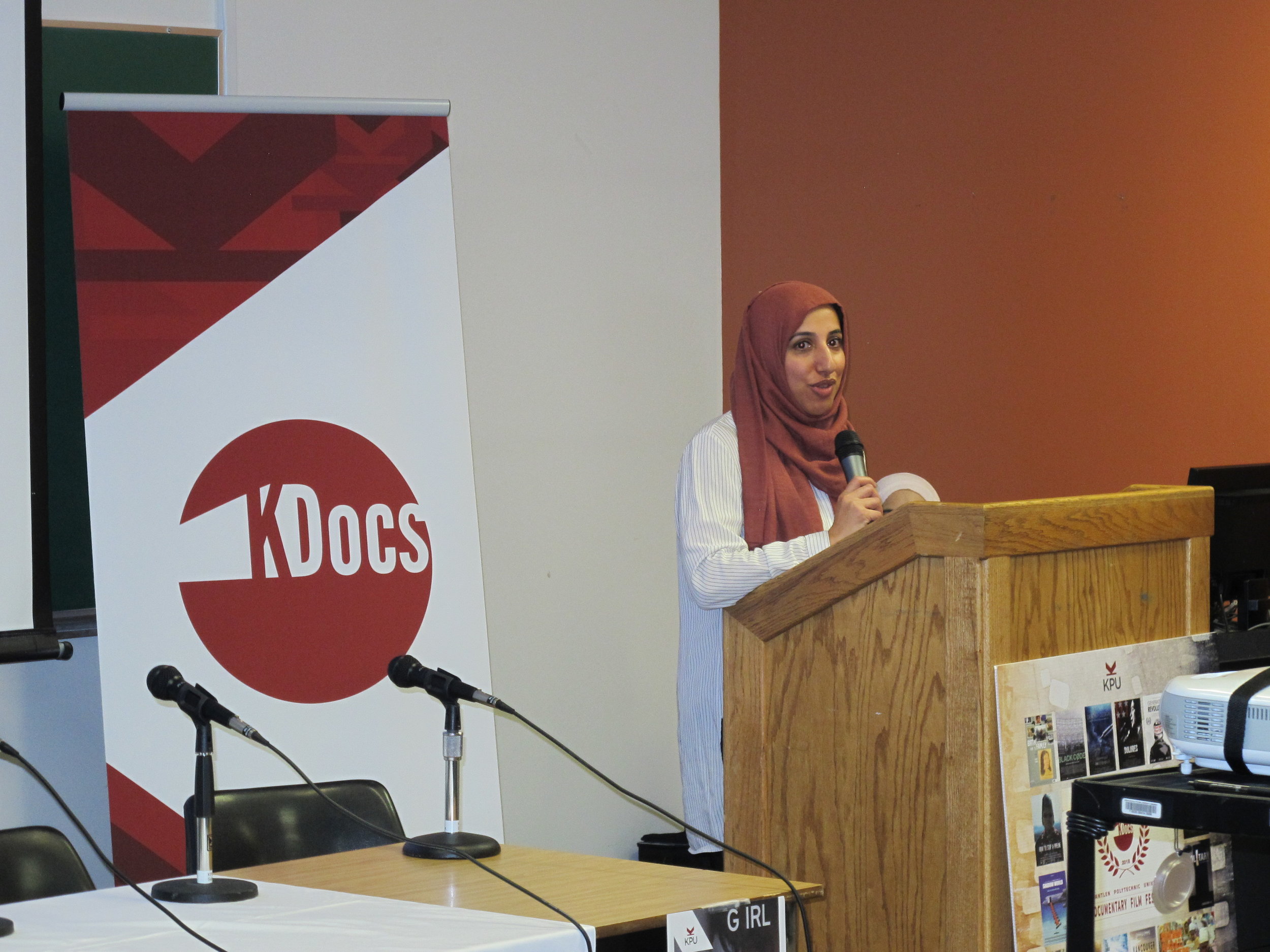
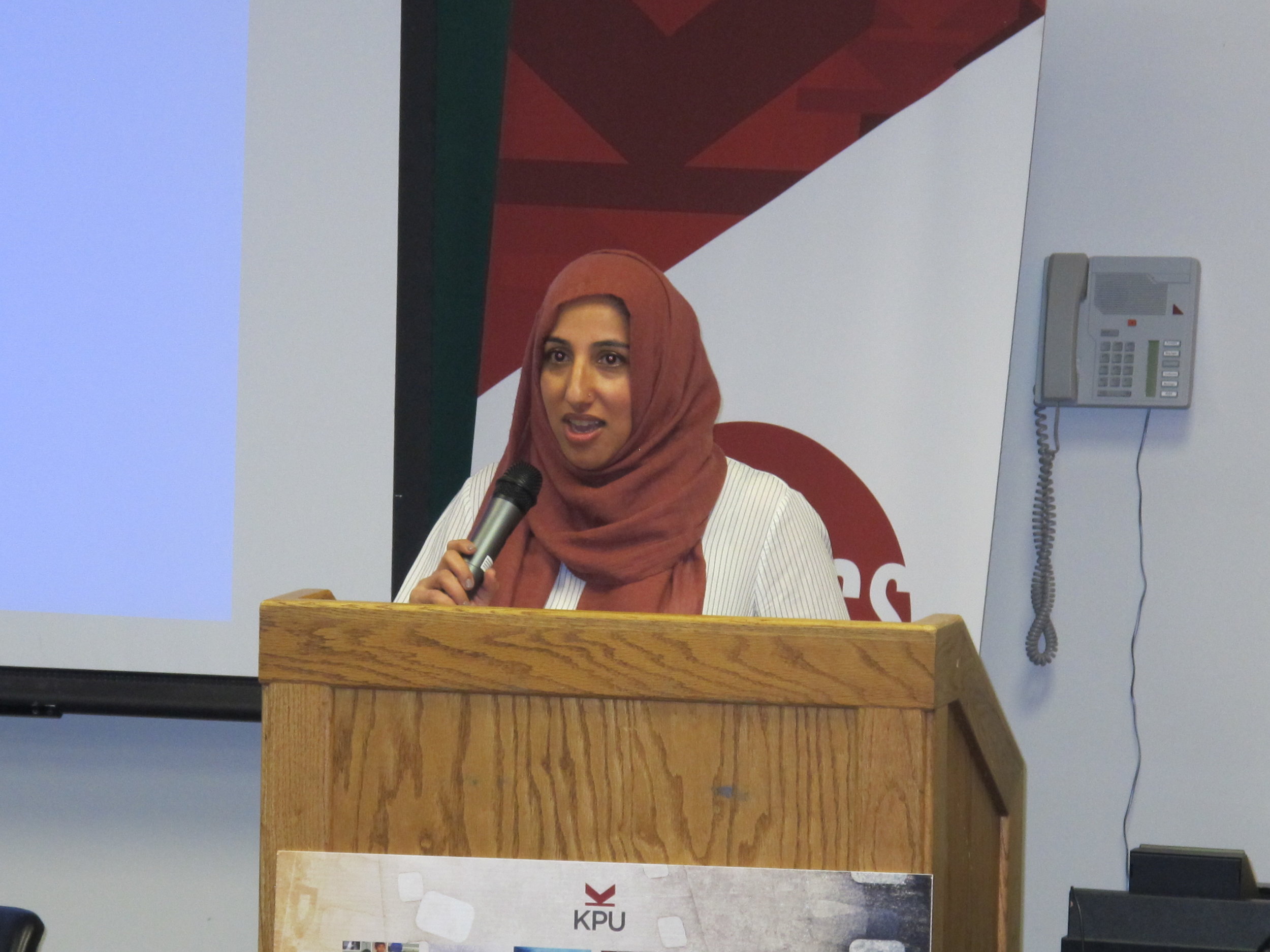
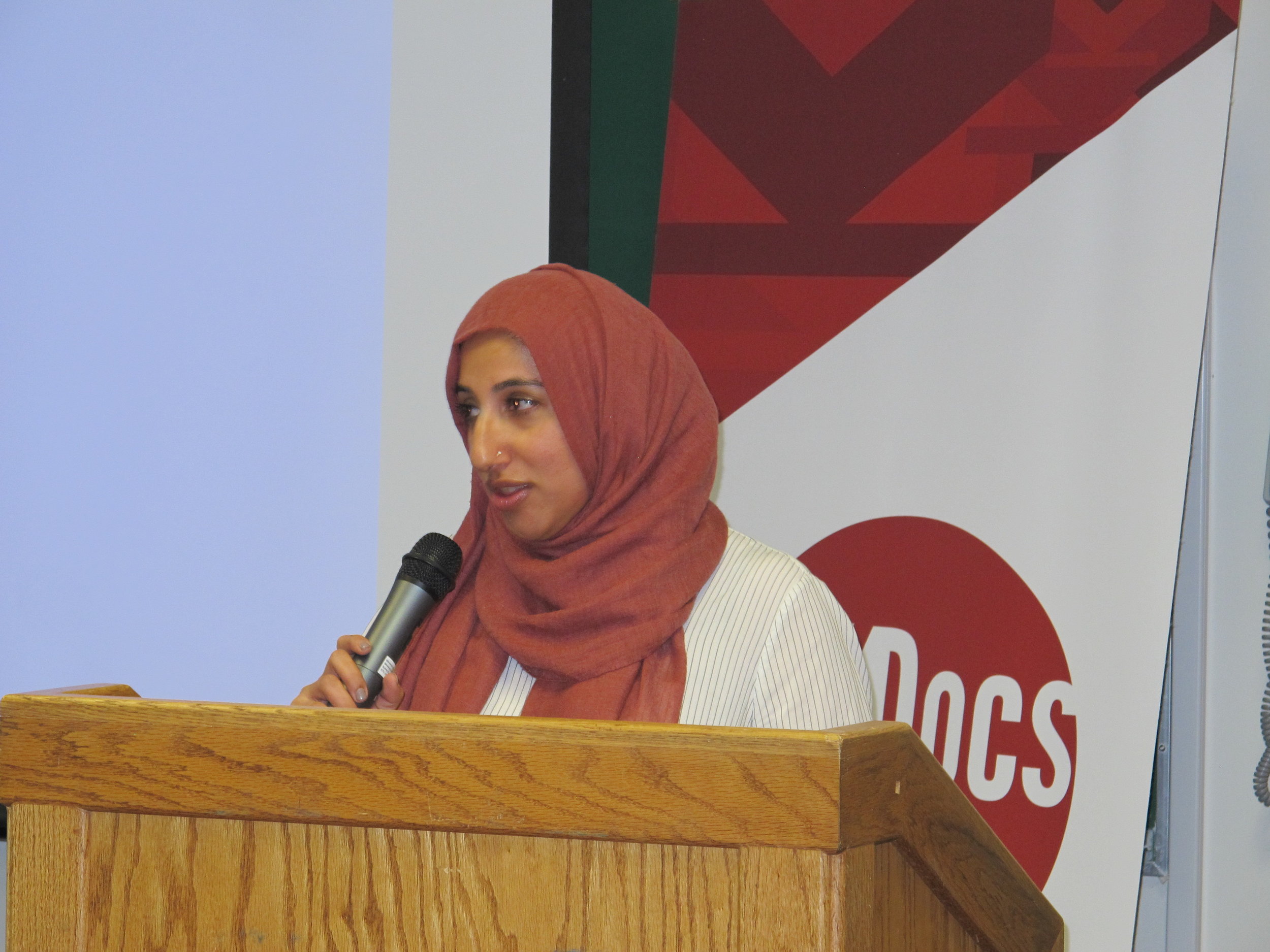
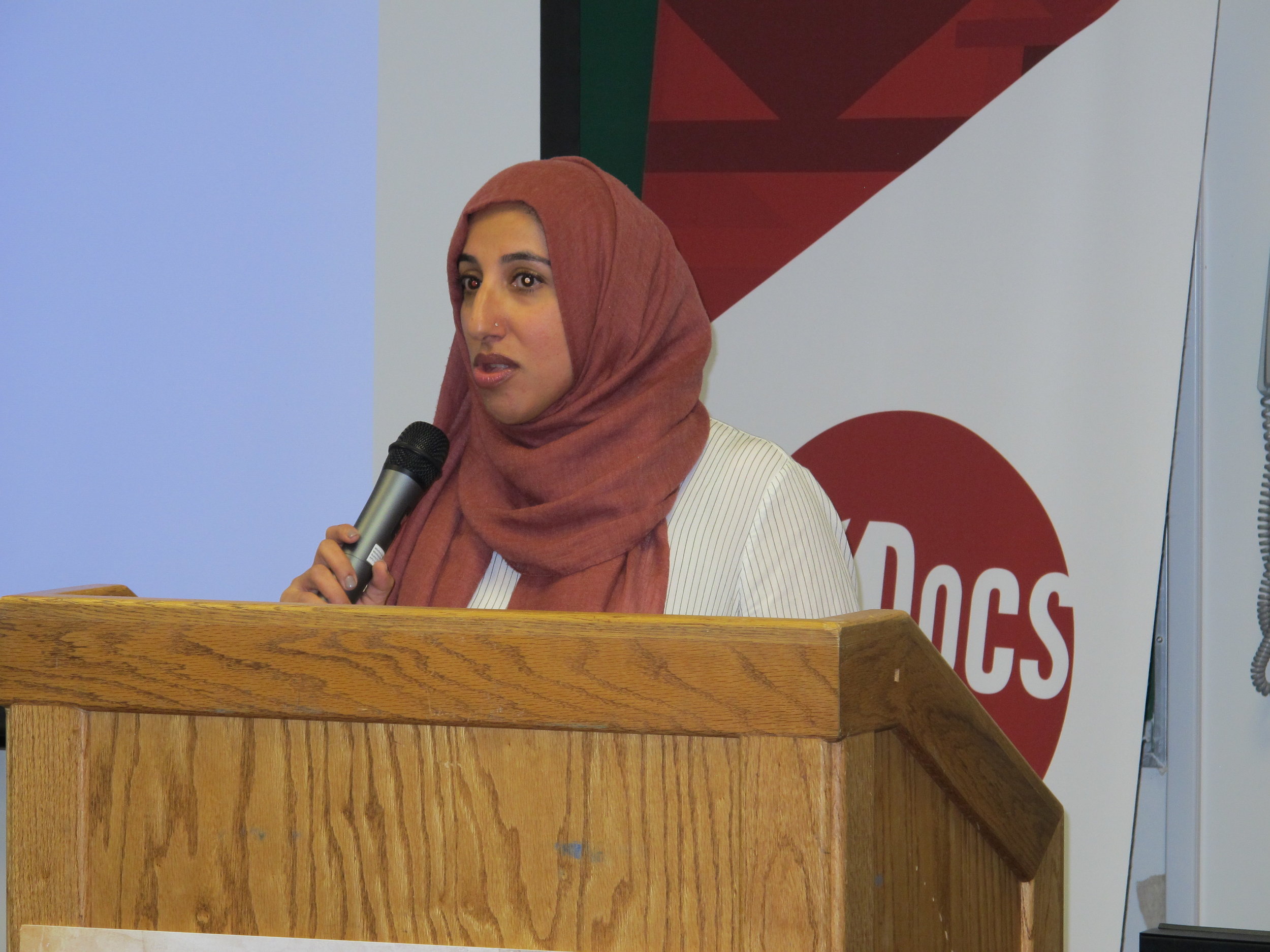
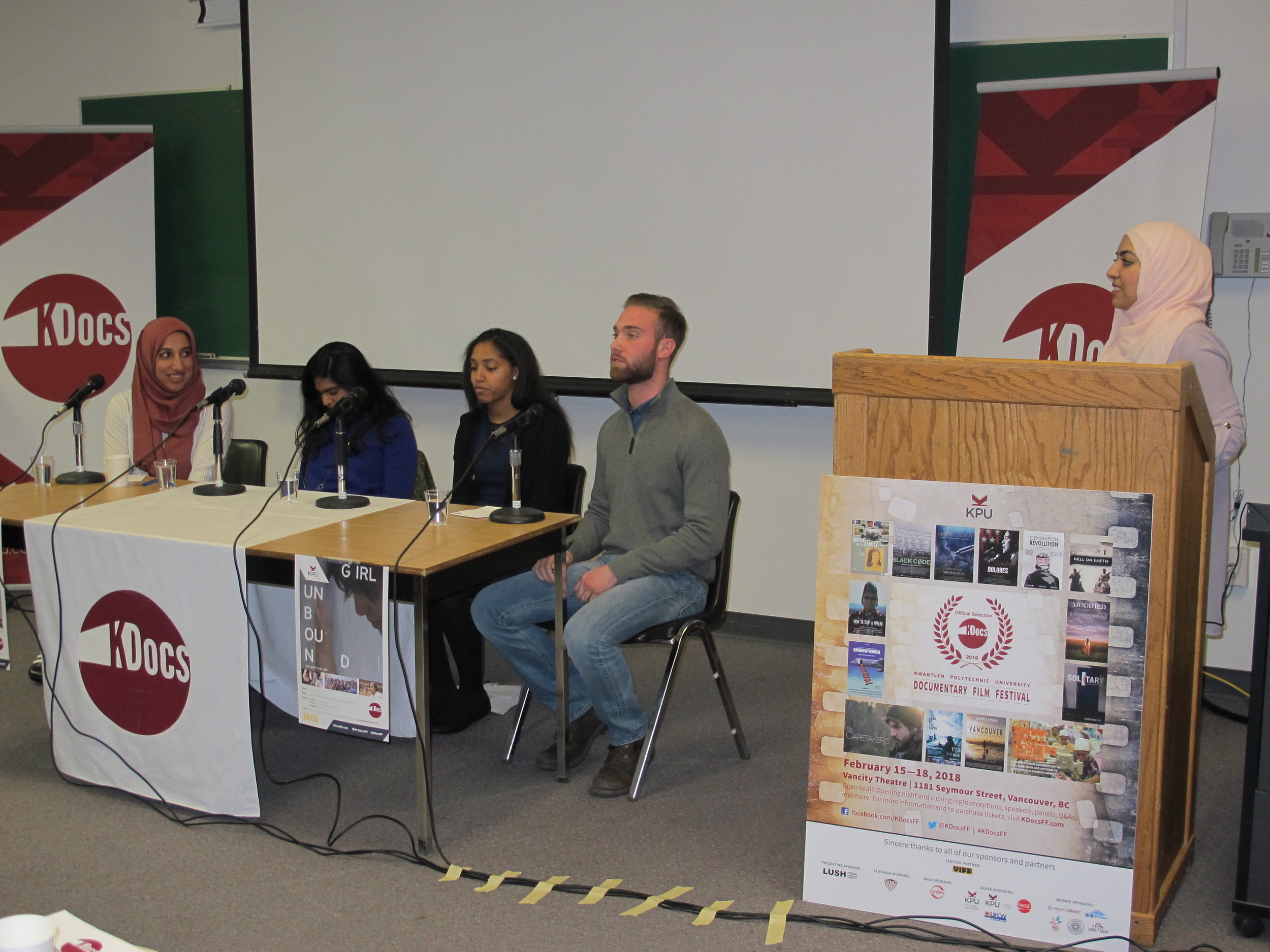
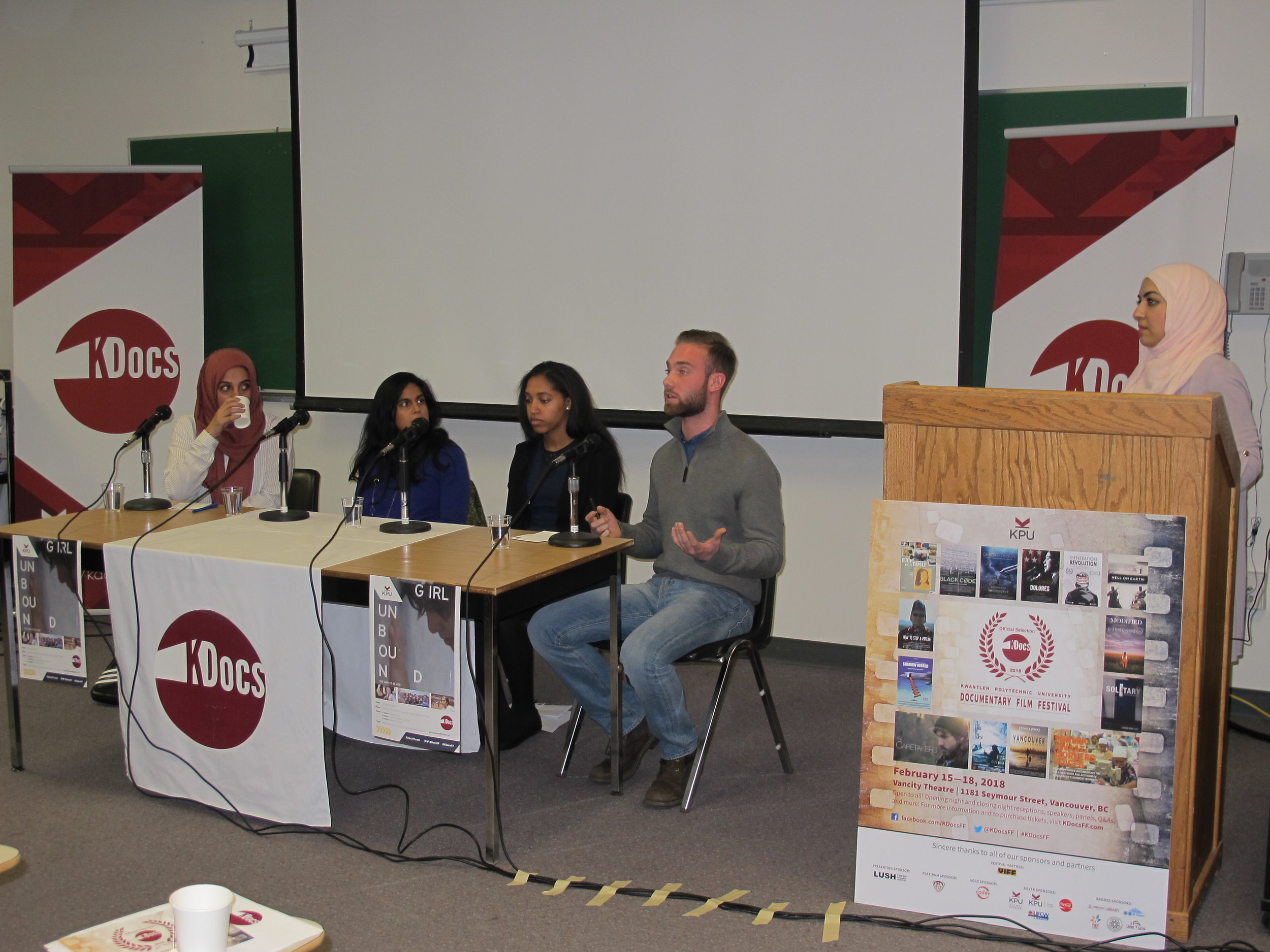
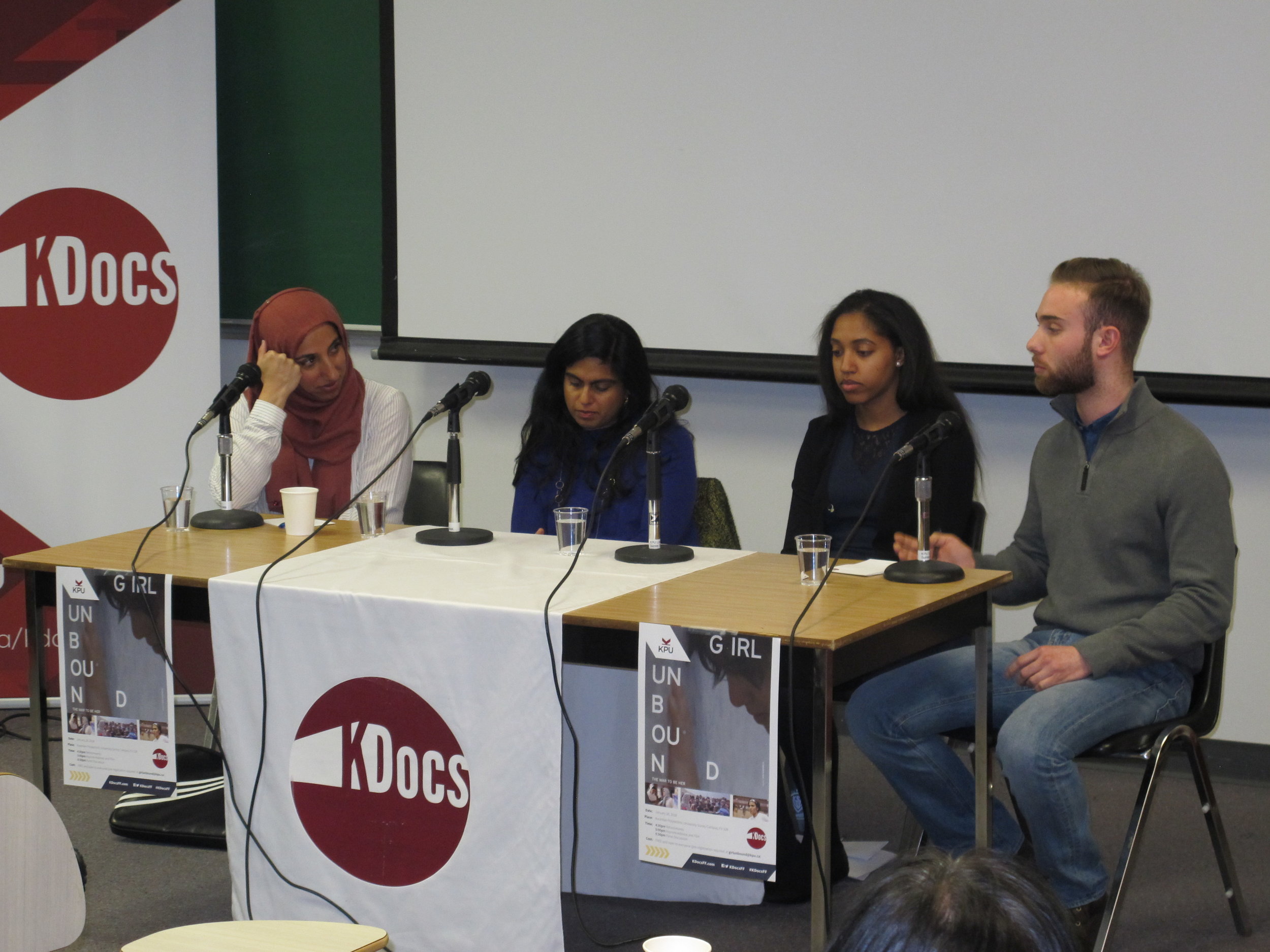
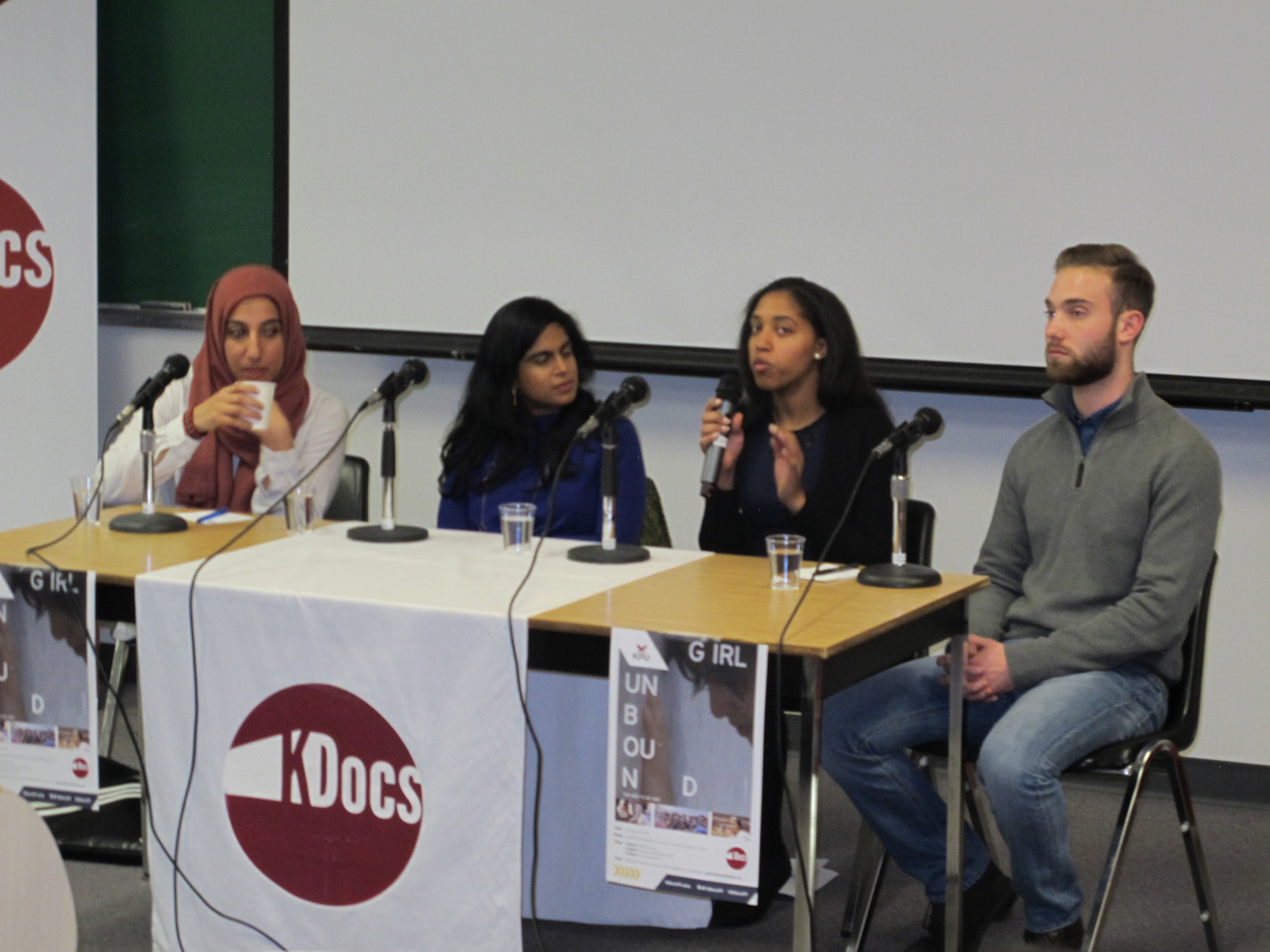
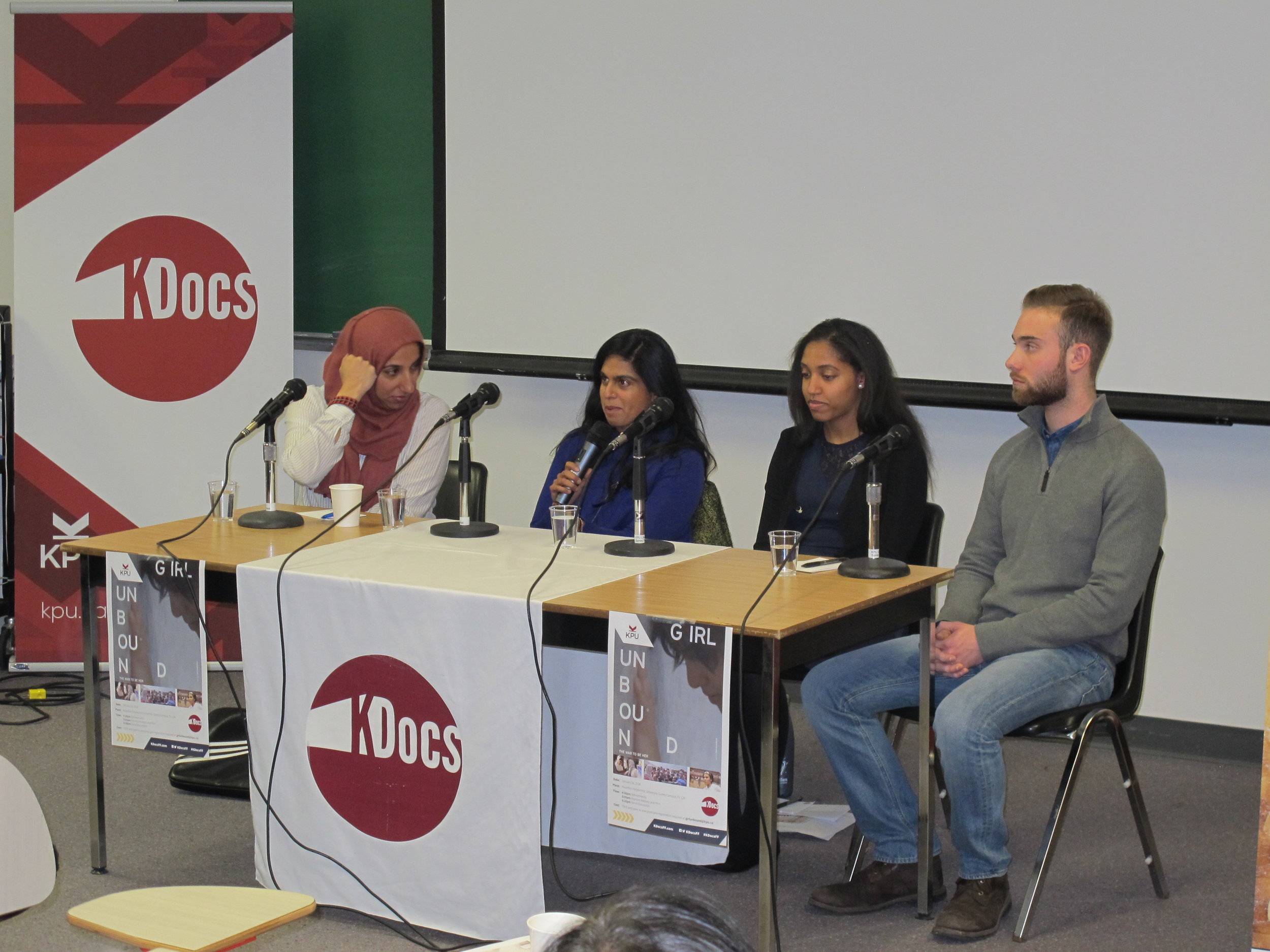
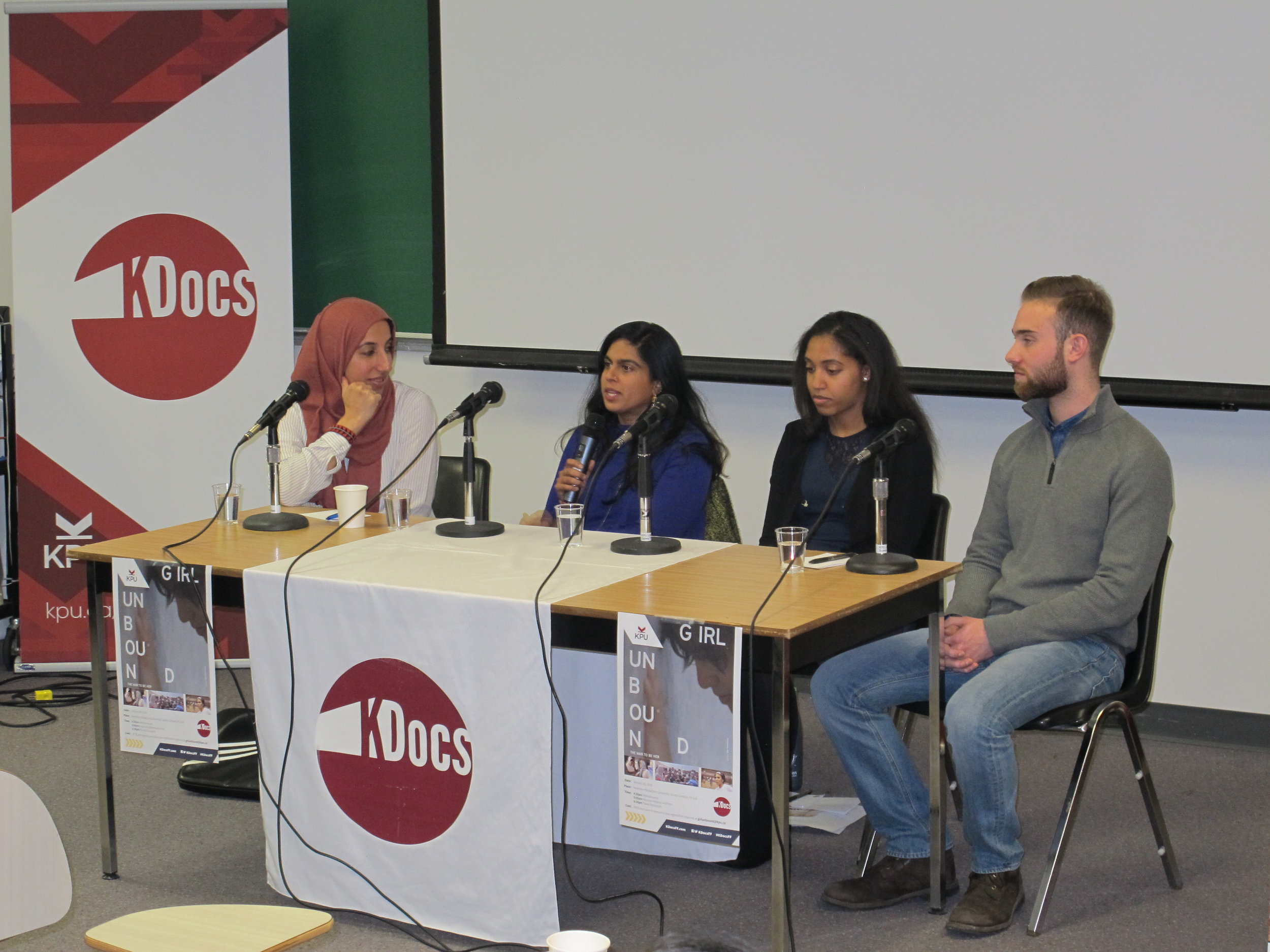
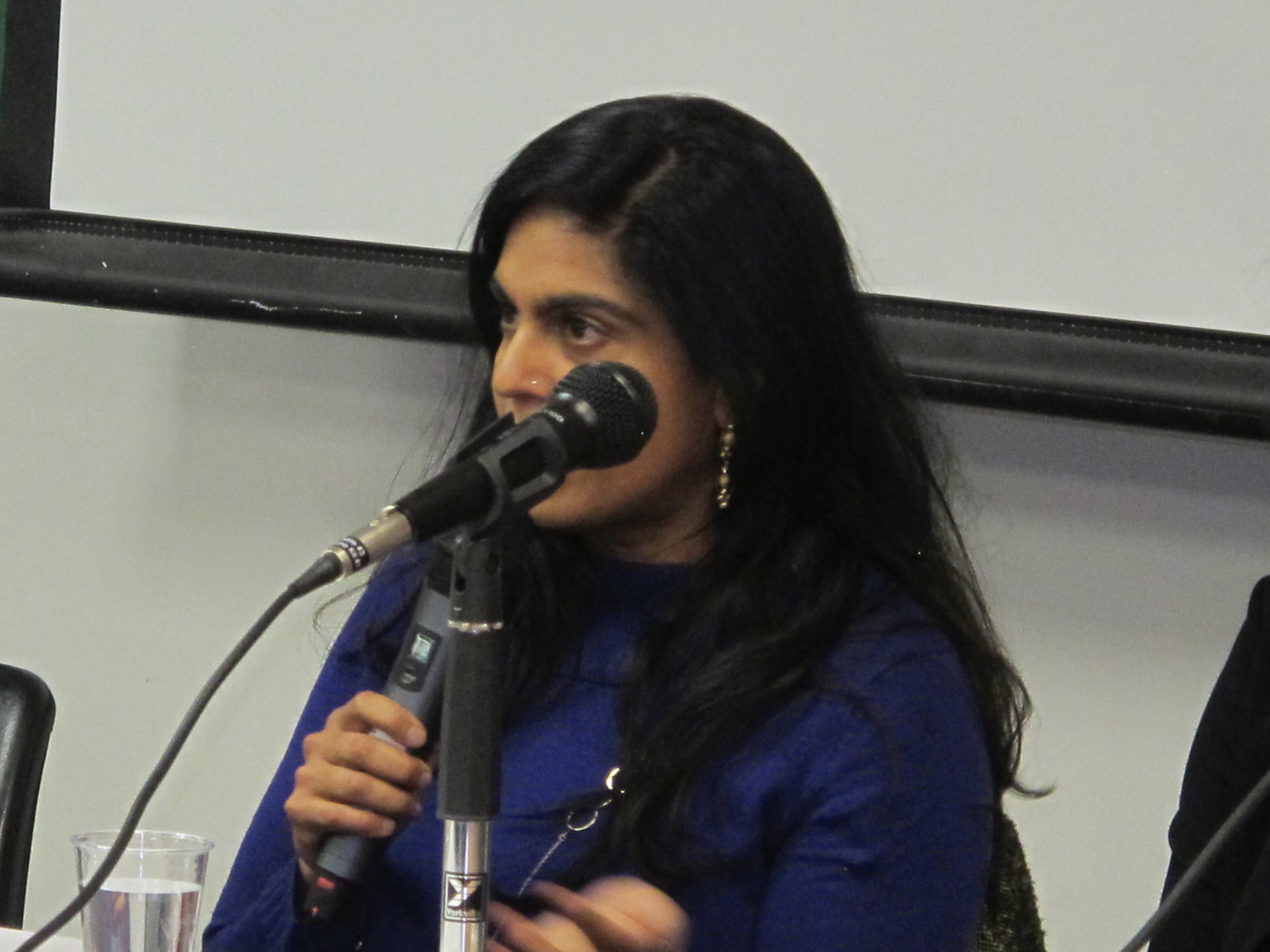
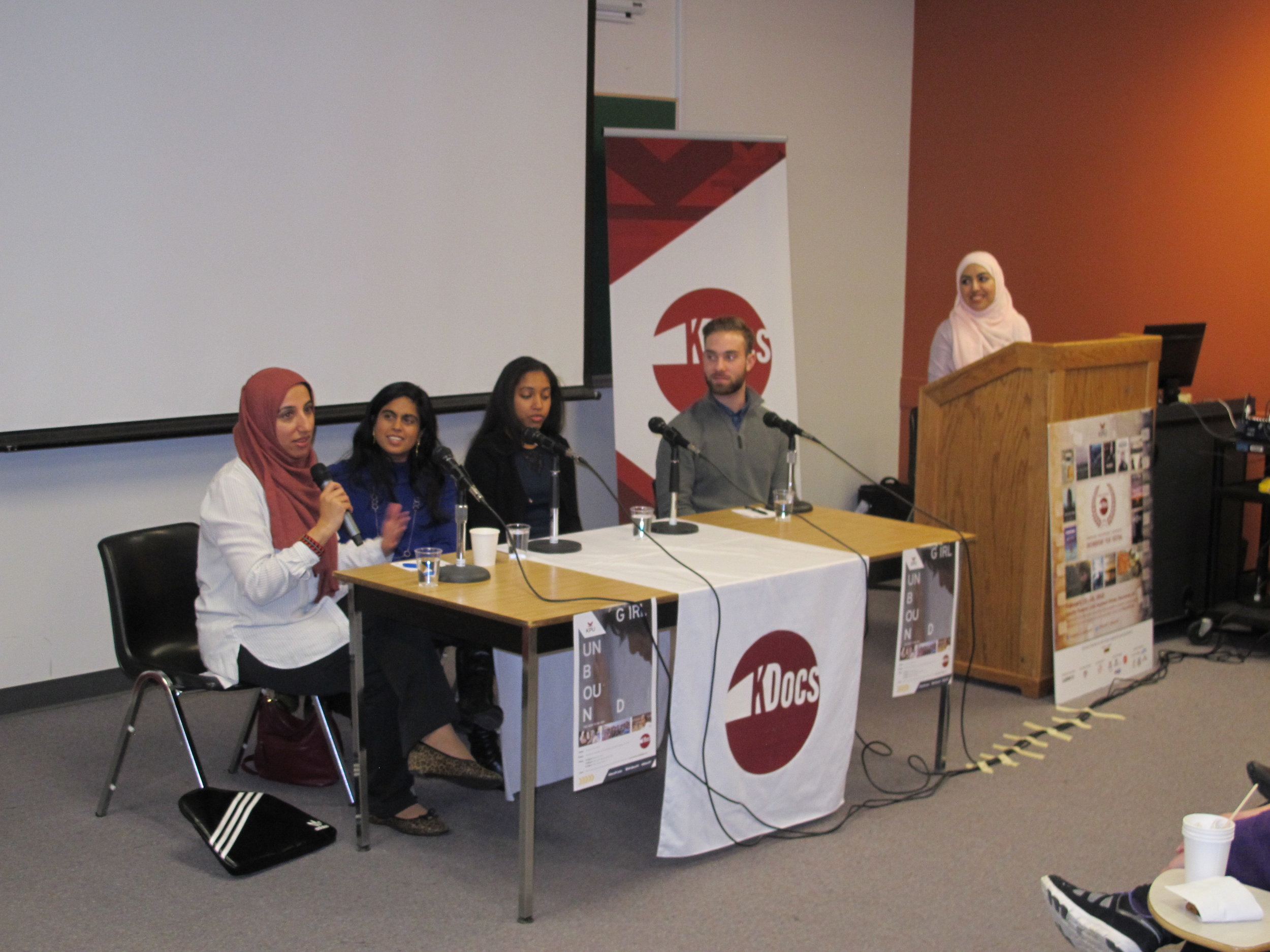
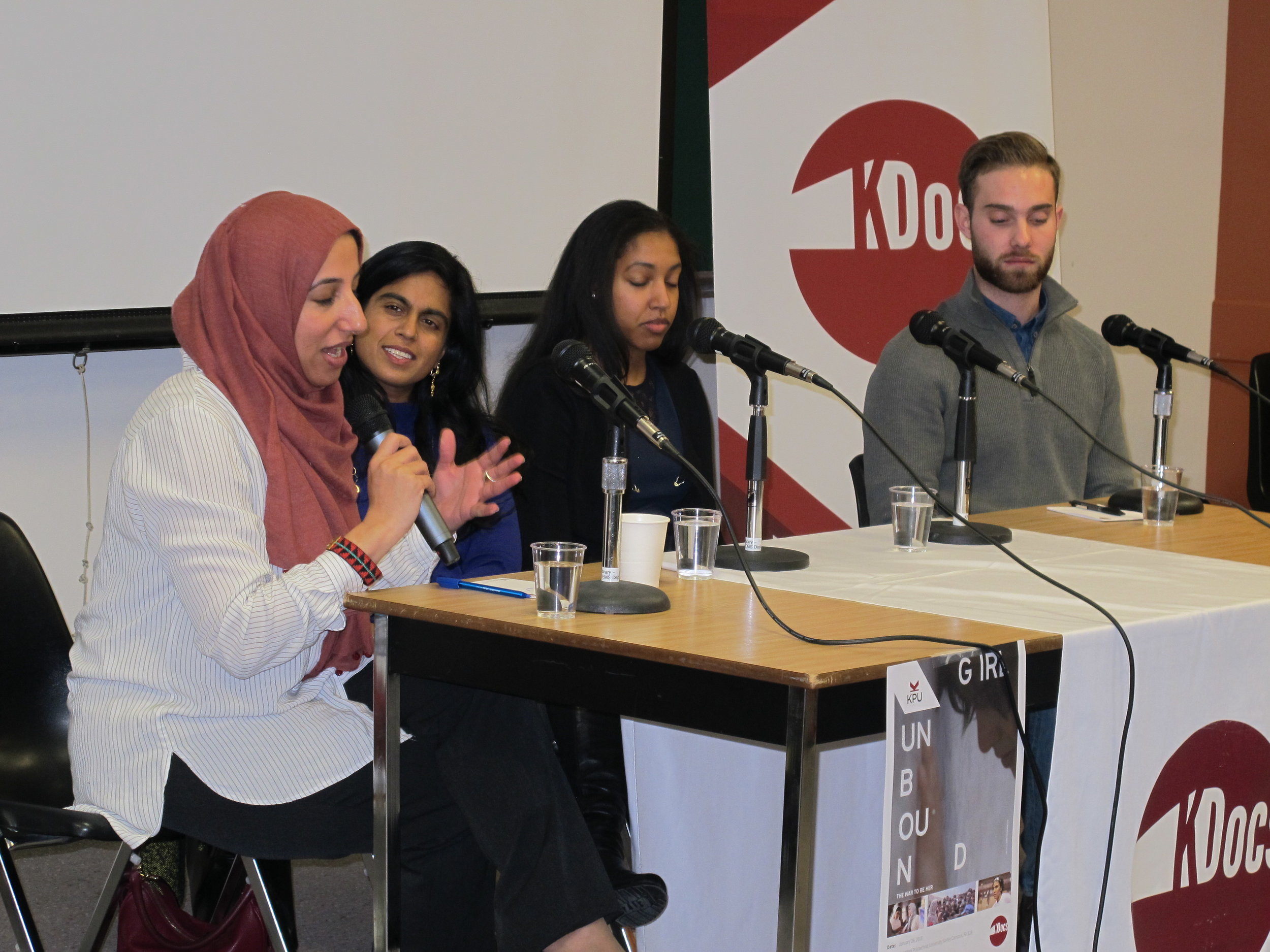
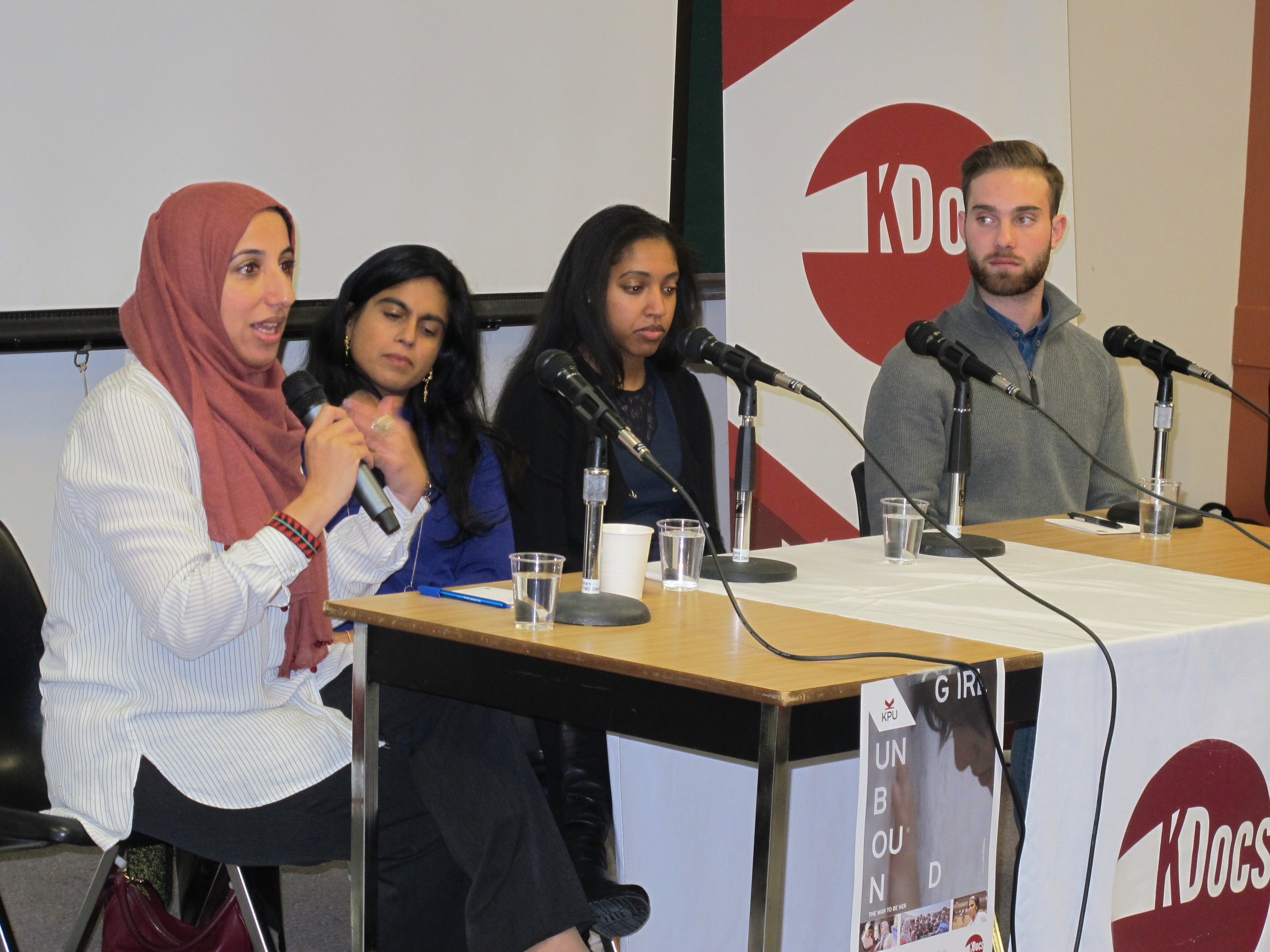
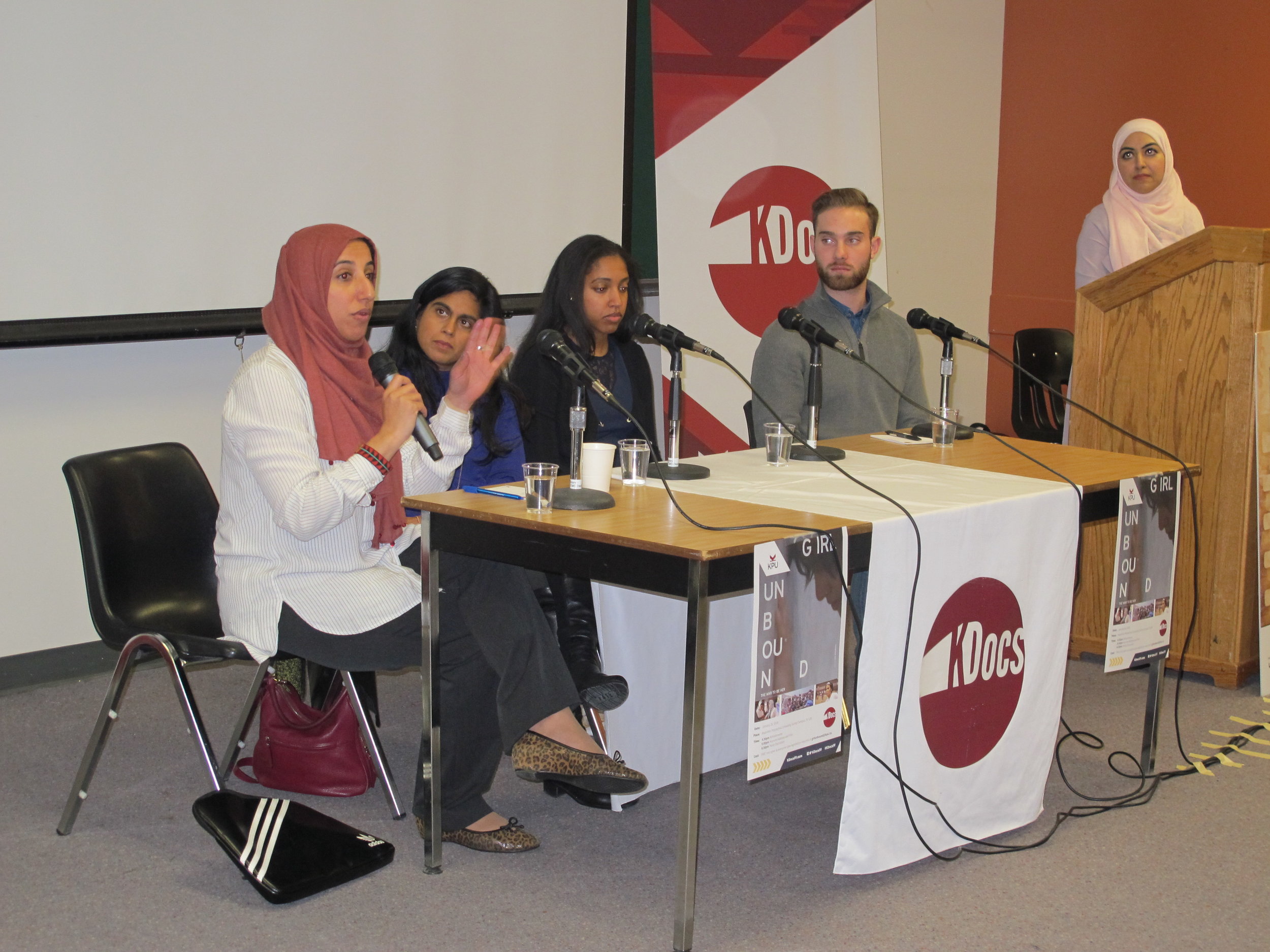
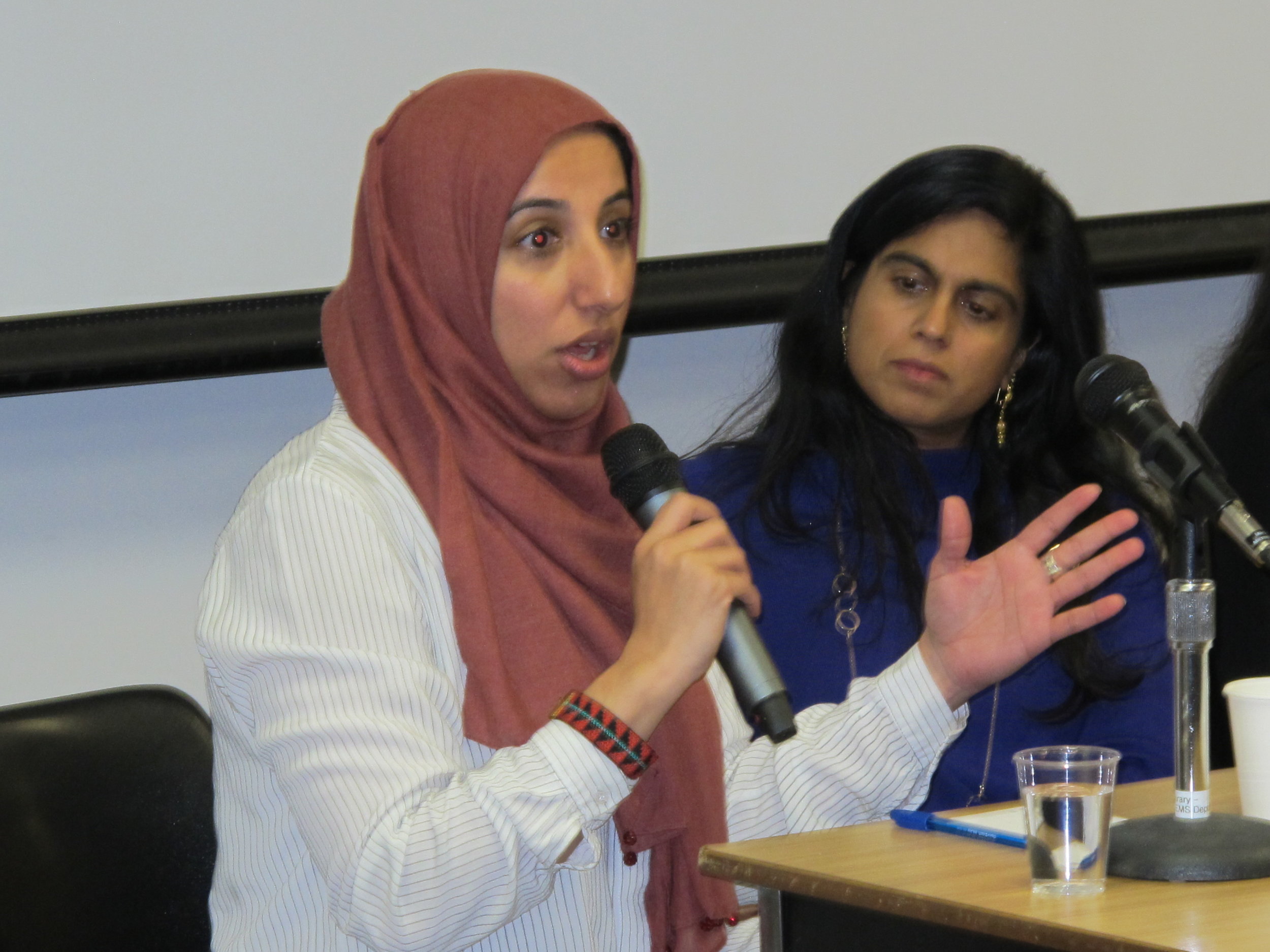
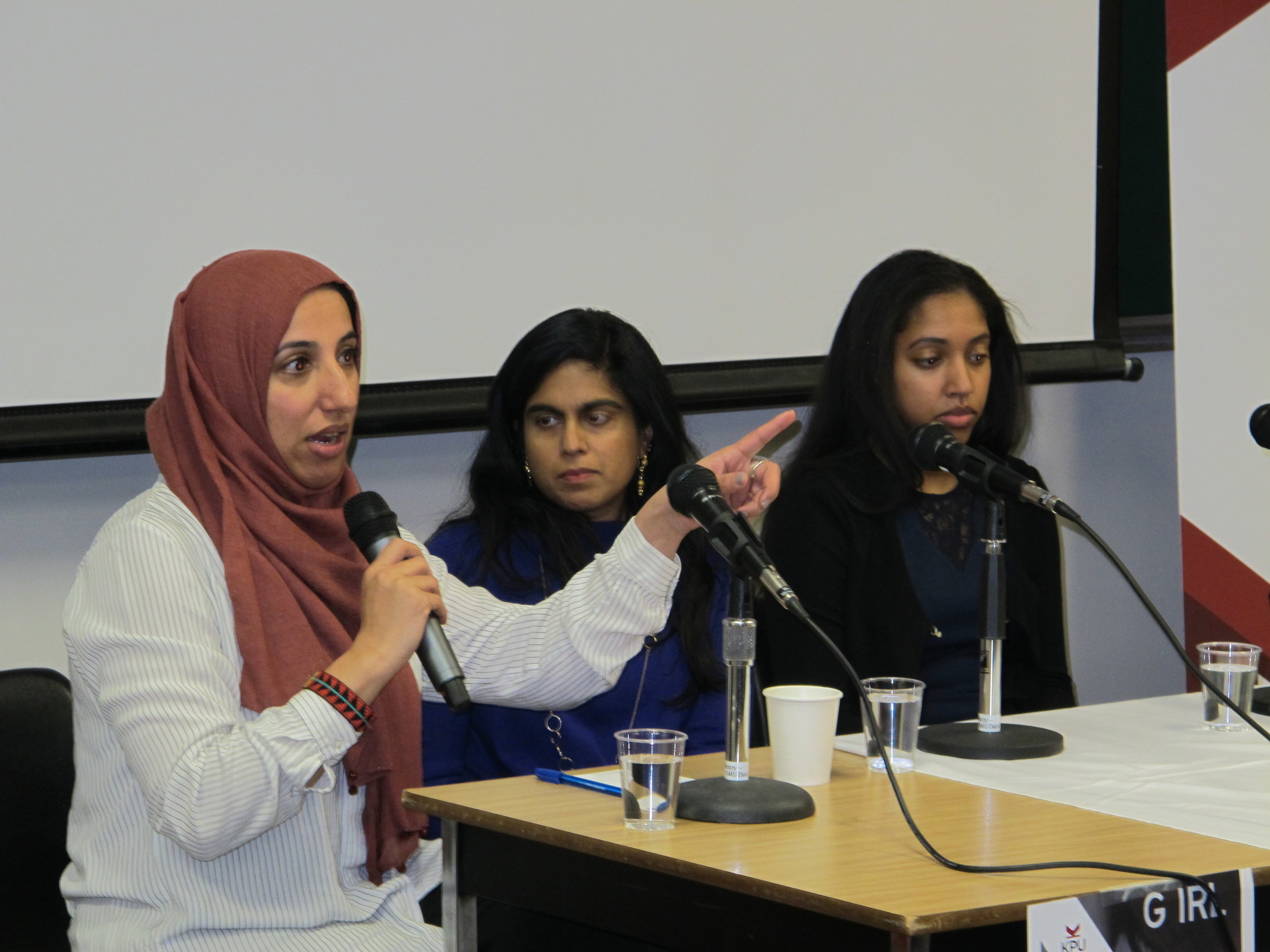
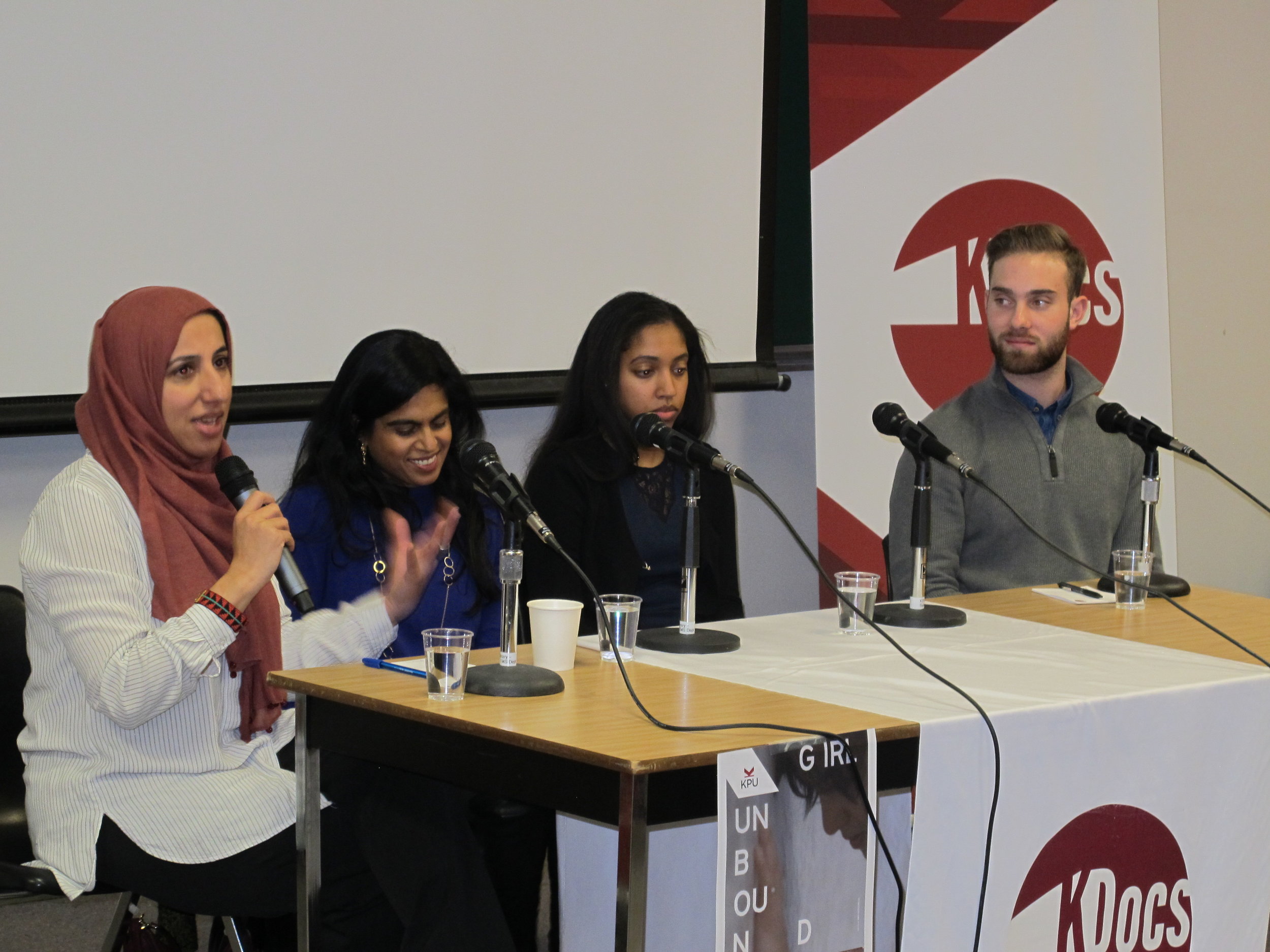
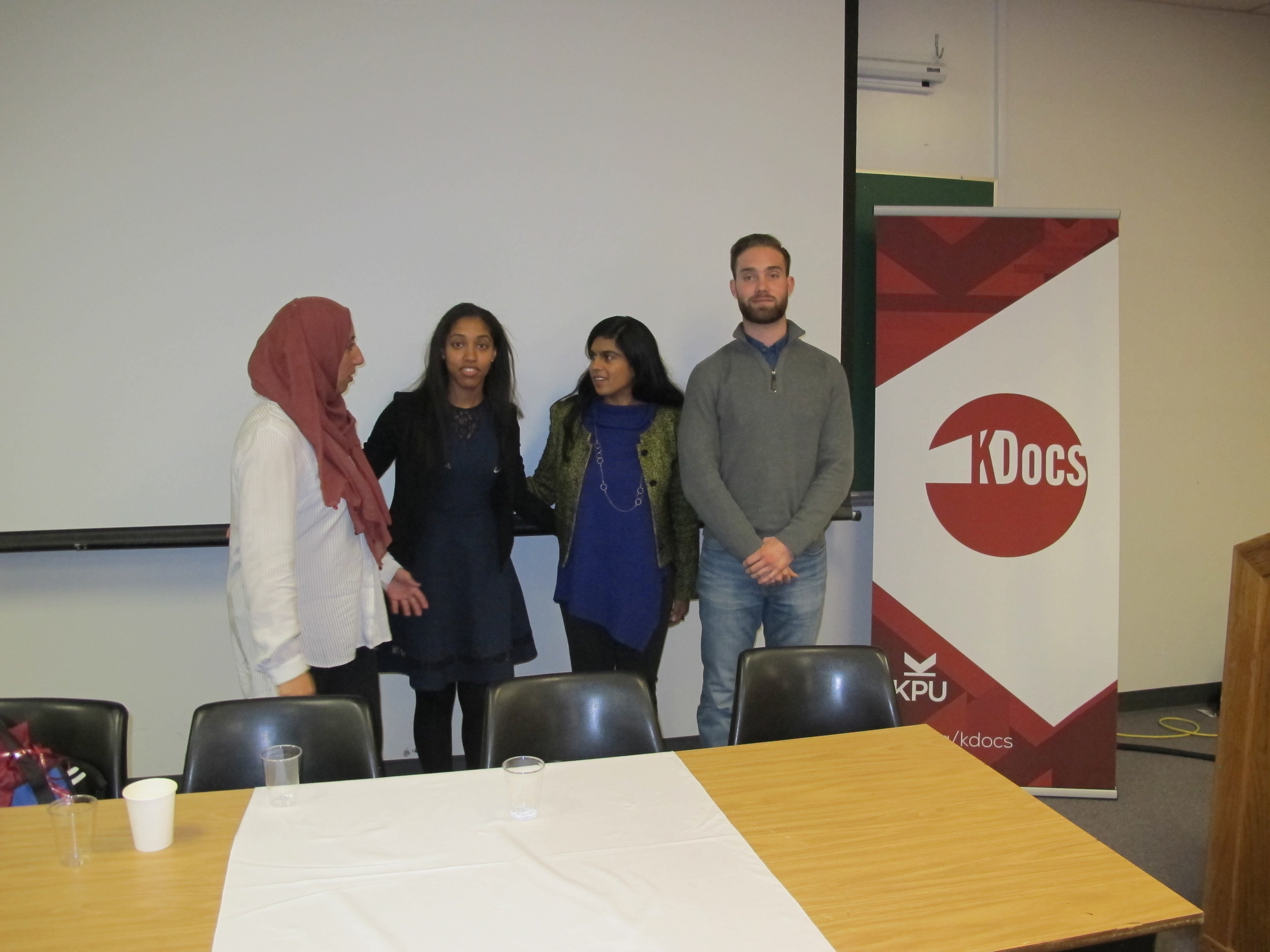
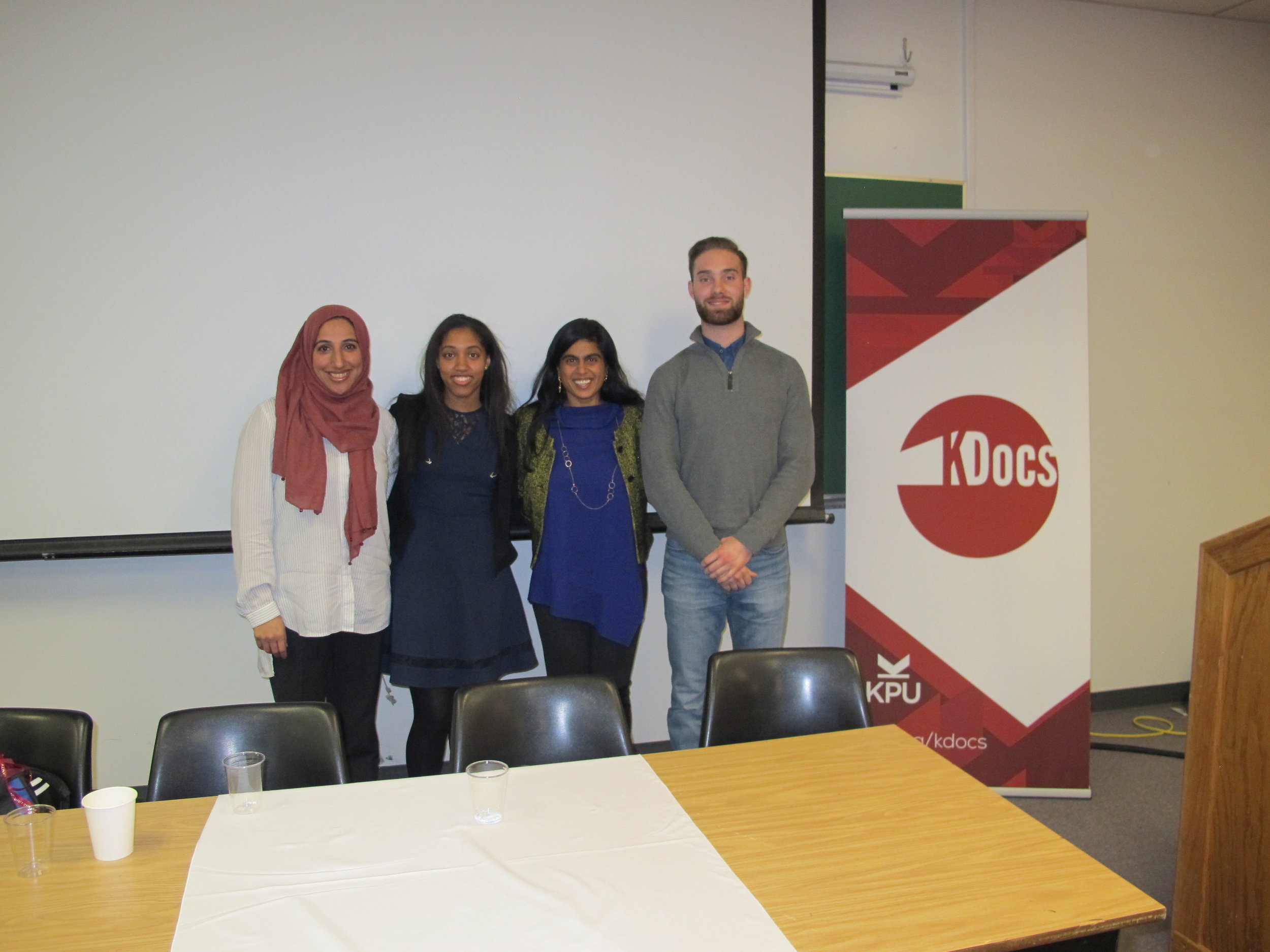
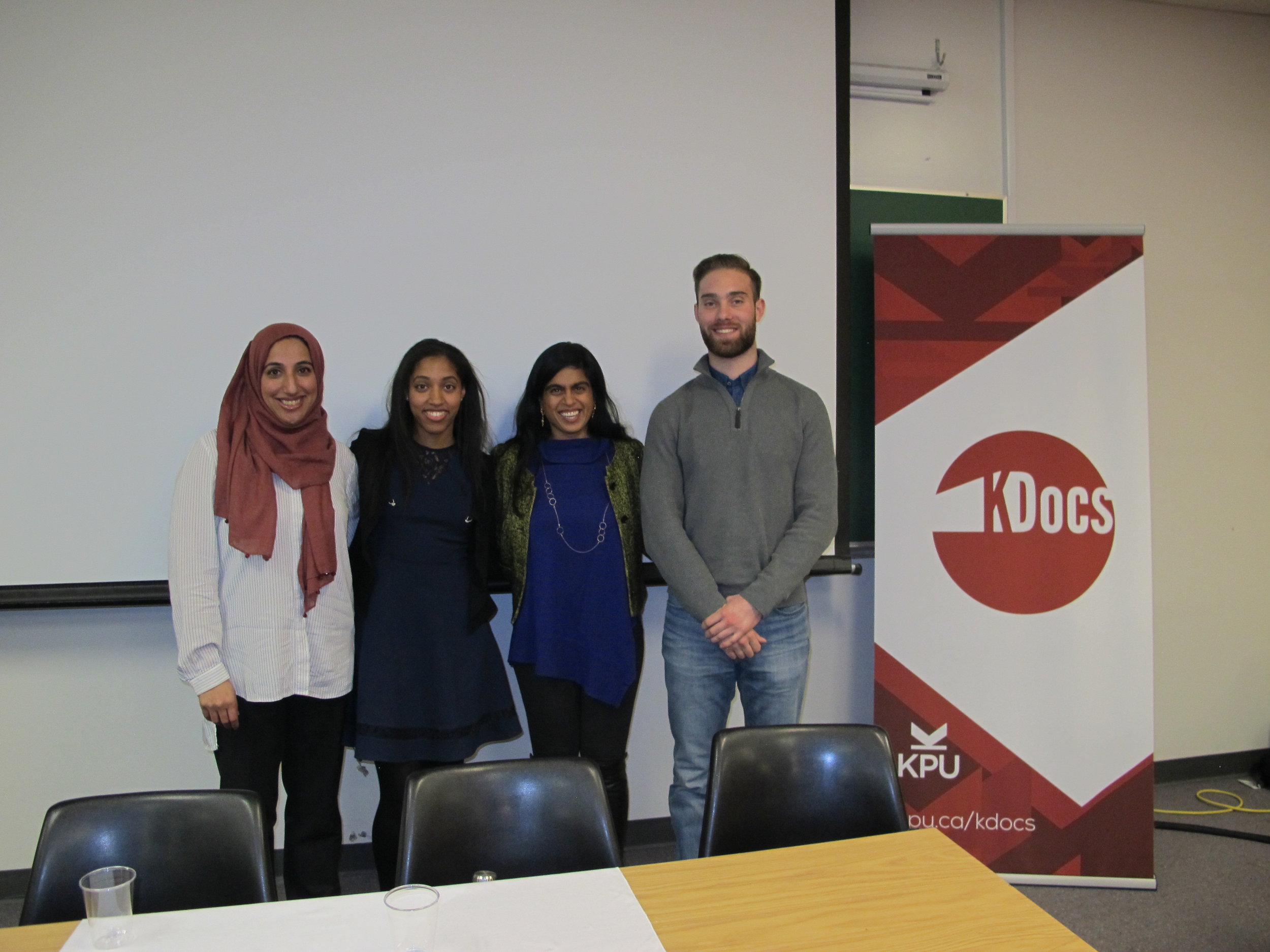
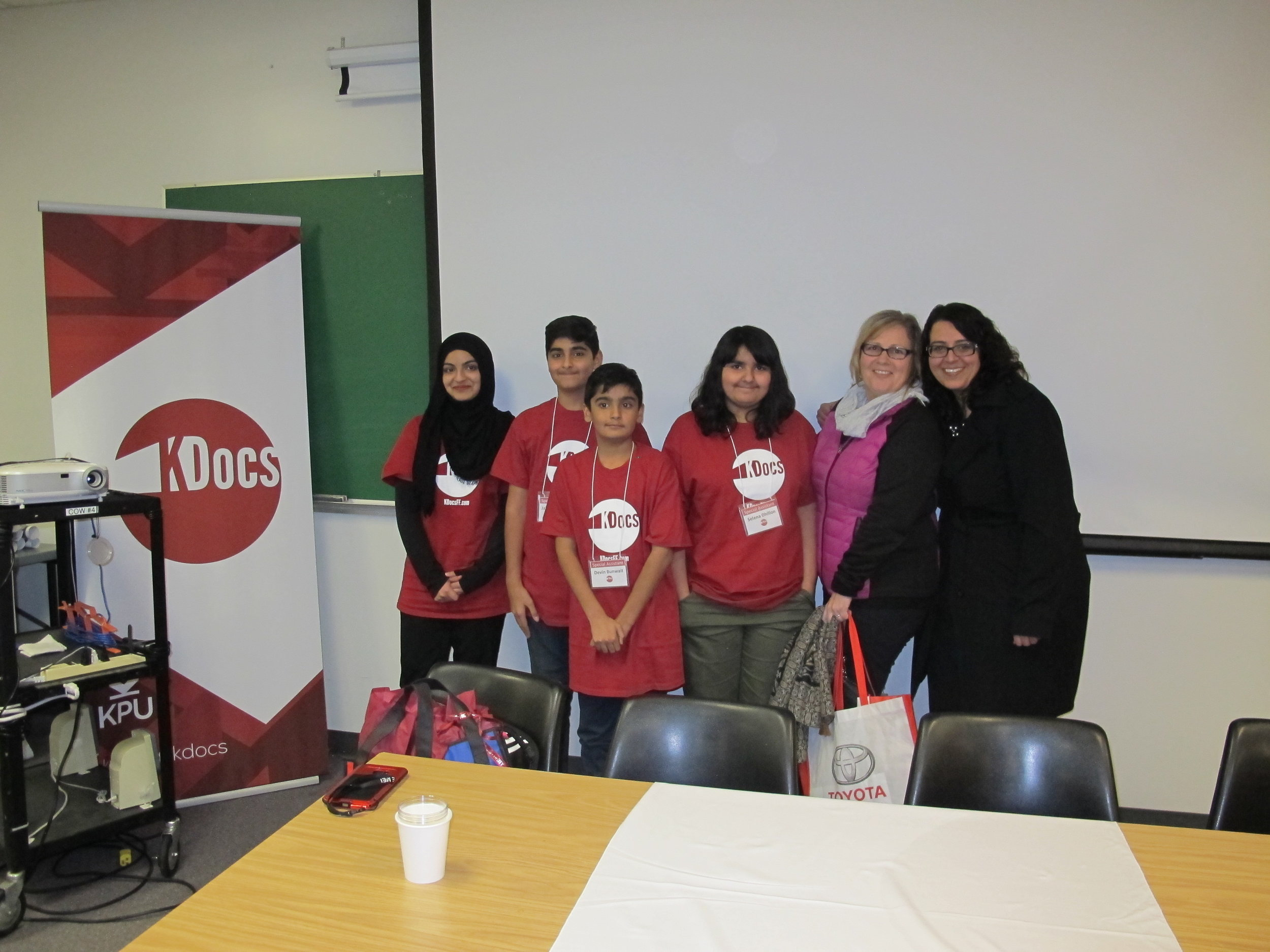
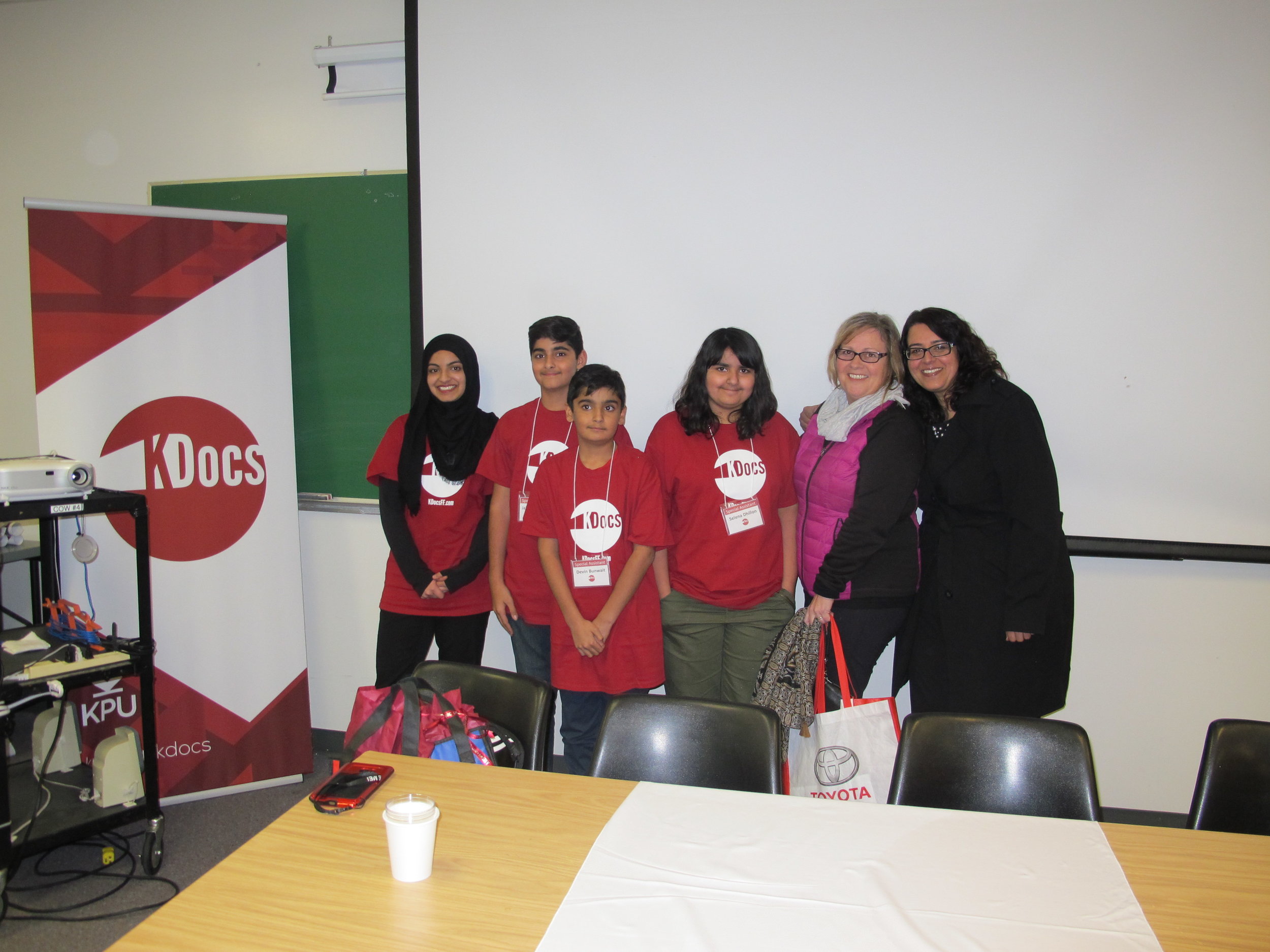
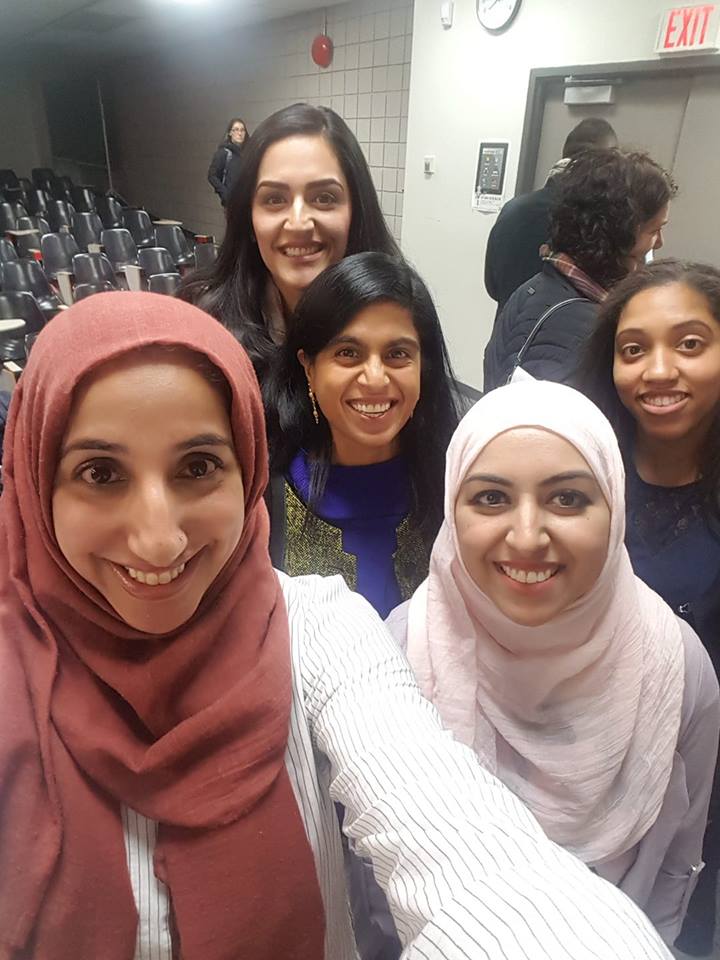






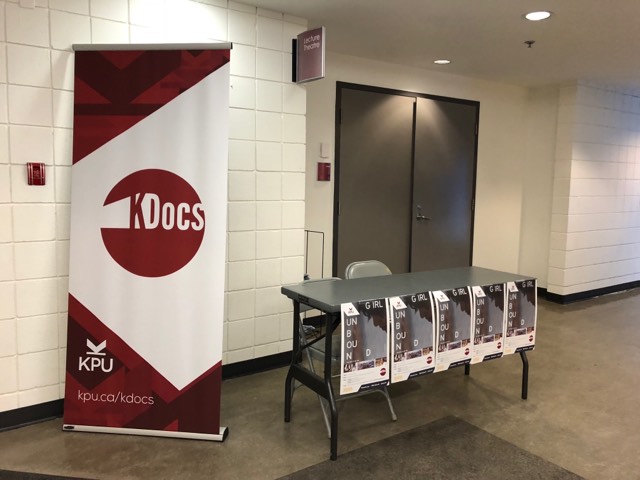
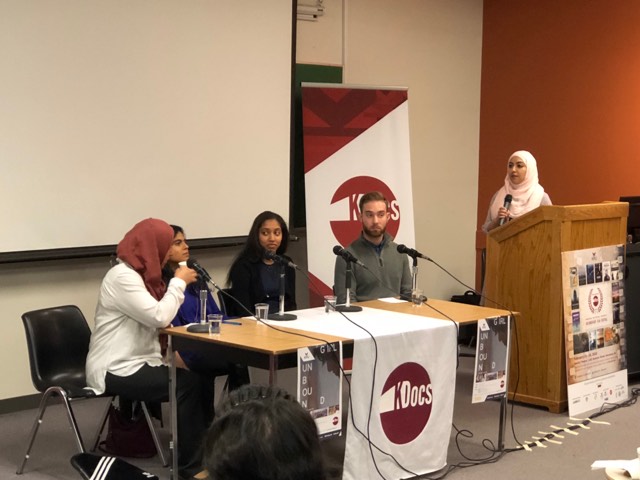
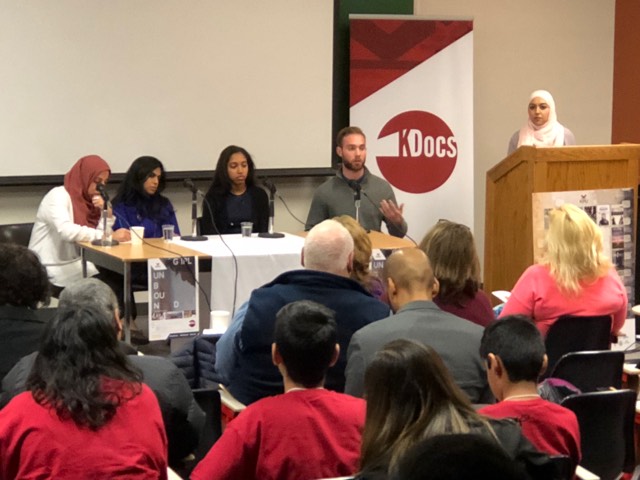
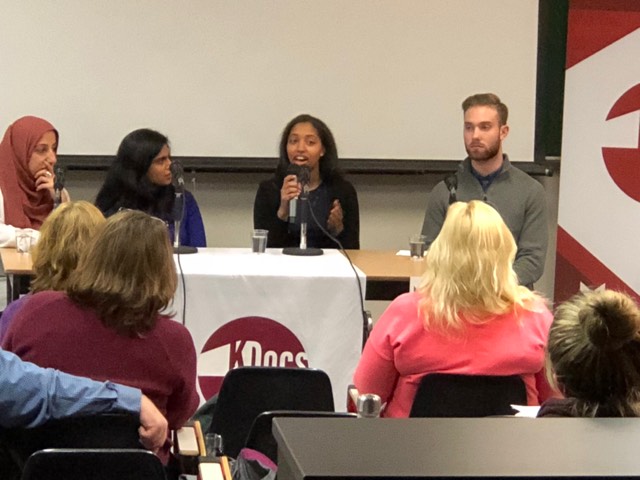
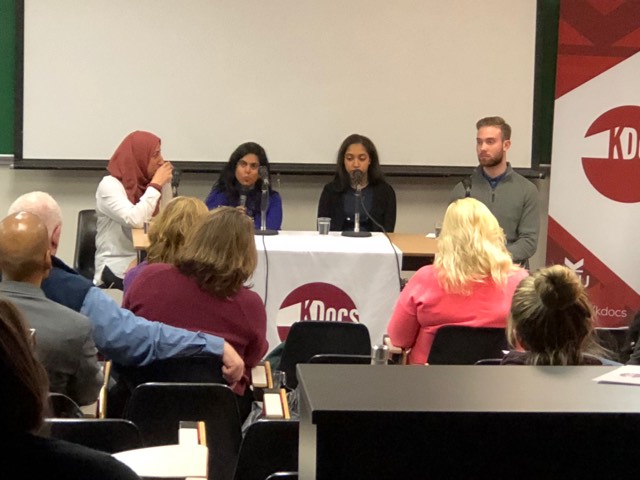
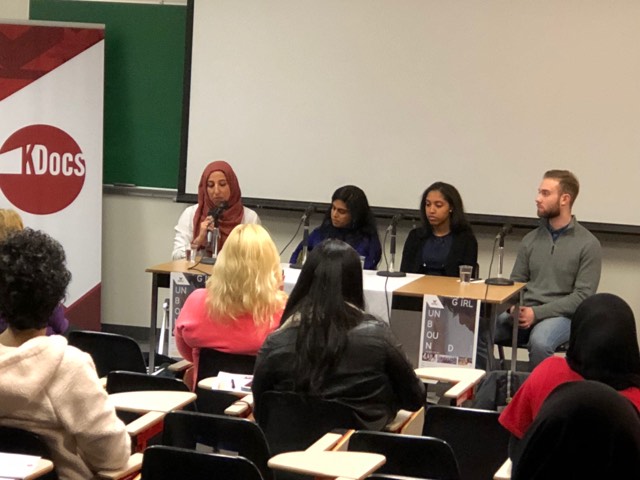
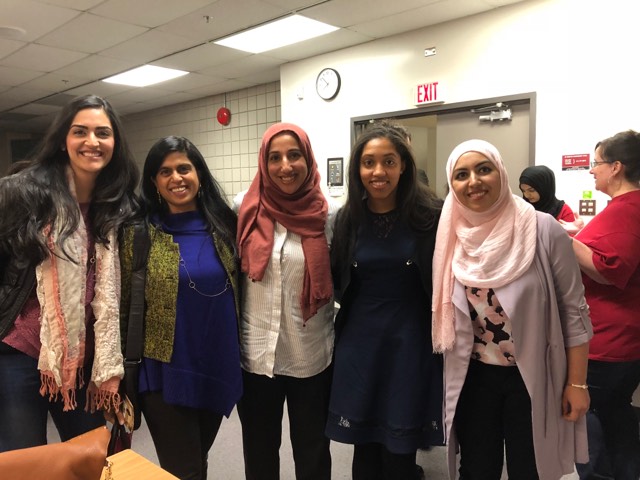
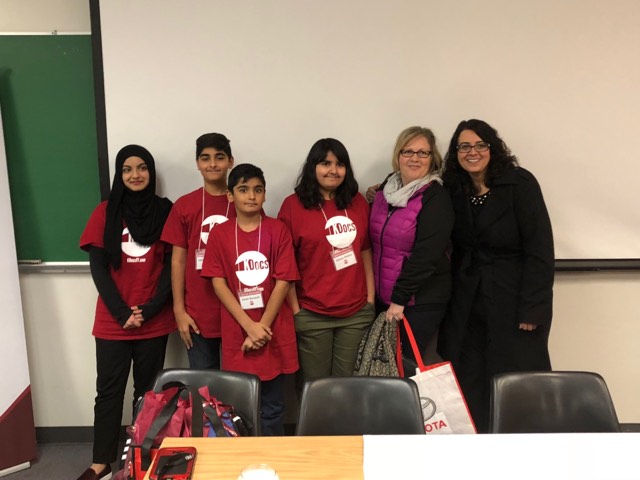
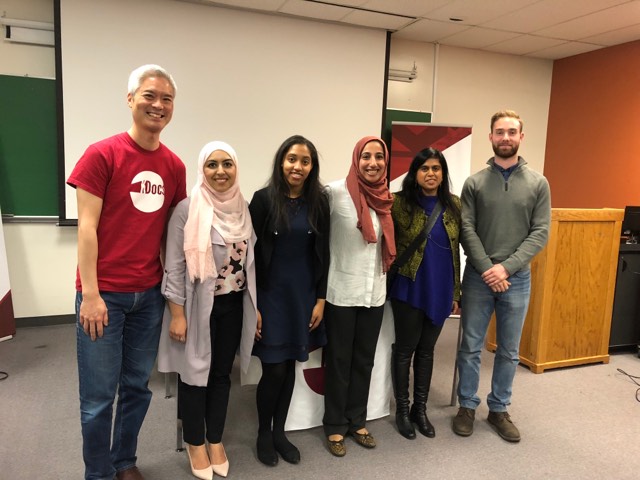
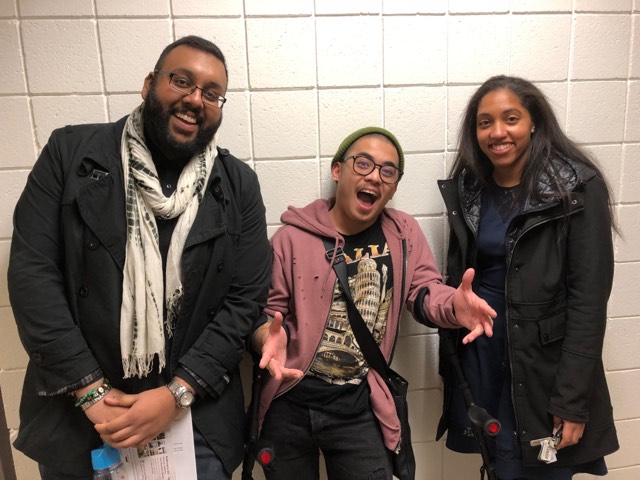
A Special KDocs Screening: Nobody Speak: Trials of the Free Press
Moderator: Naveen Shums, KDocs Outreach FacilitatorKDocs hosted a special screening of Brian Knappenberger's Nobody Speak: Trials of the Free Press on October 25, 2017.
Time: 4:30 (refreshments served)/Film at 5:00pm
Place: Fir 128, KPU Surrey campus
Keynote address: Kirk LaPointe, Editor-in-Chief of Business in Vancouver
Panelists: Mark Hamilton, KPU Journalism Instructor; Alyssa Laube, The Runner Editor; and Nadia Stewart, Global News Correspondent
About the Film
"The risks of speaking truth to power are brought into sharp relief in Brian Knappenberger's timely and cautionary tale of money, media, and the high cost of free speech. The trial between Hulk Hogan and Gawker Media pitted privacy rights against freedom of the press, and raised important questions about how Big Money can silence media. This film is an examination of the perils and duties of the free press in an age of inequality."
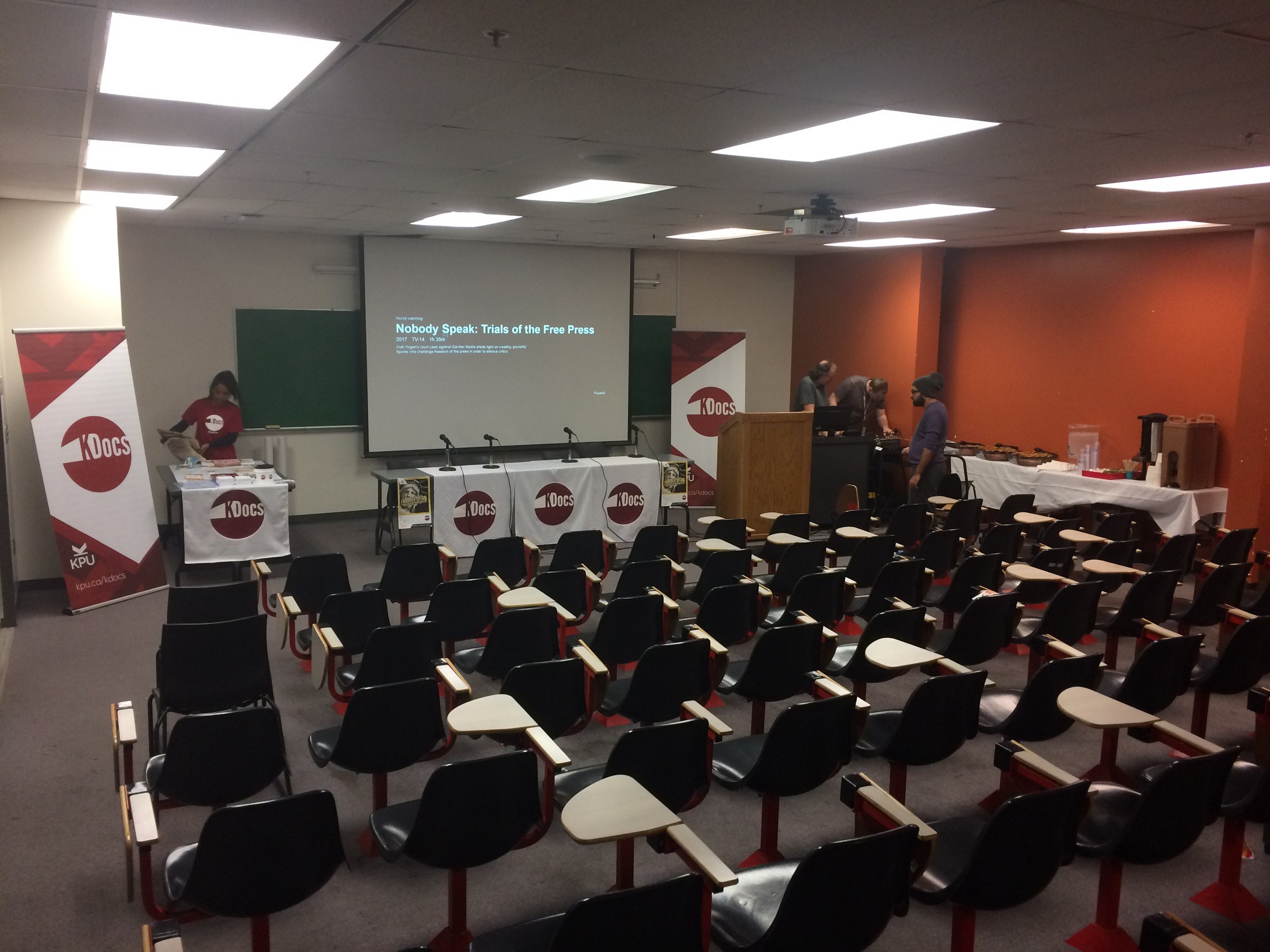
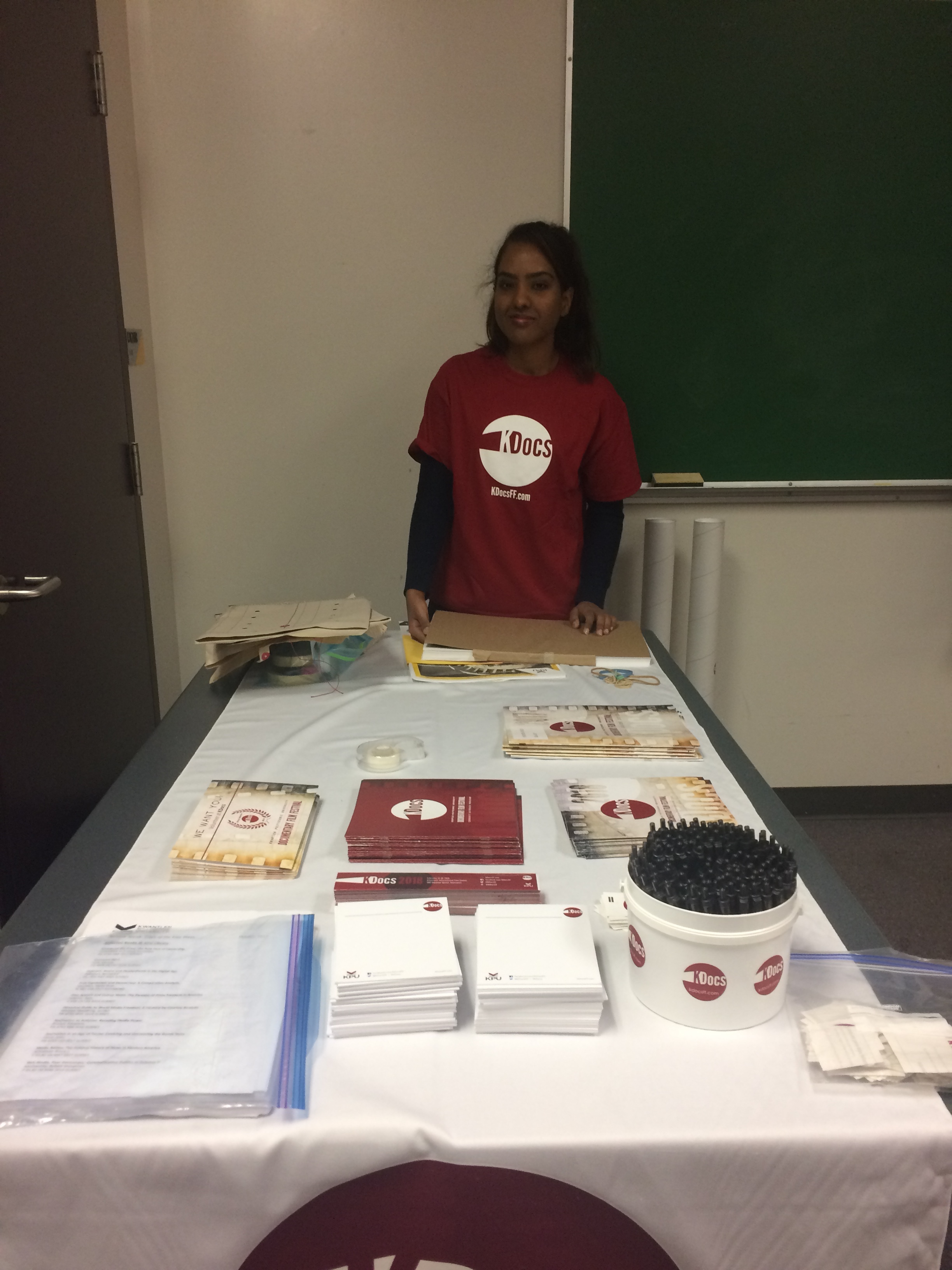
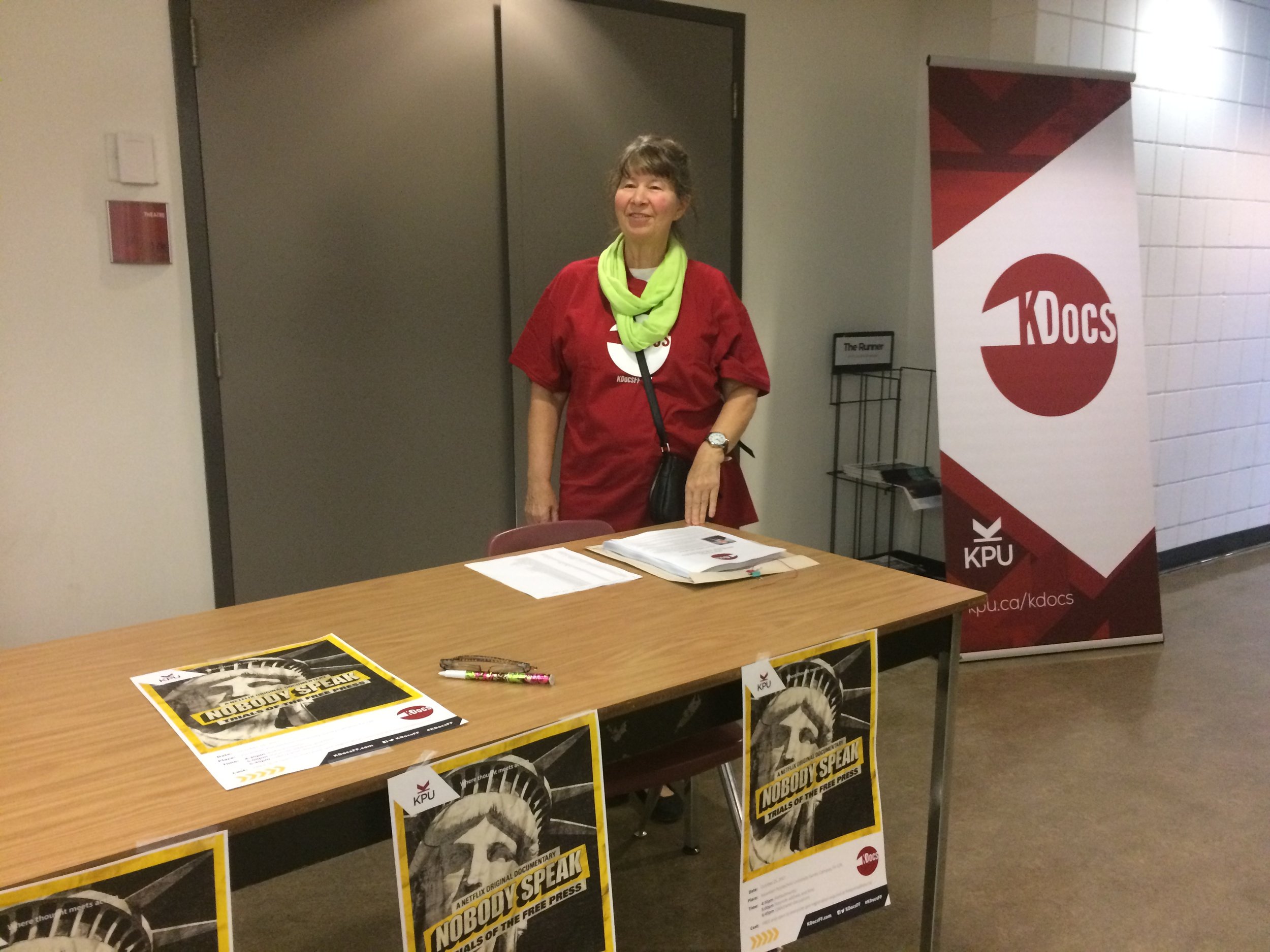
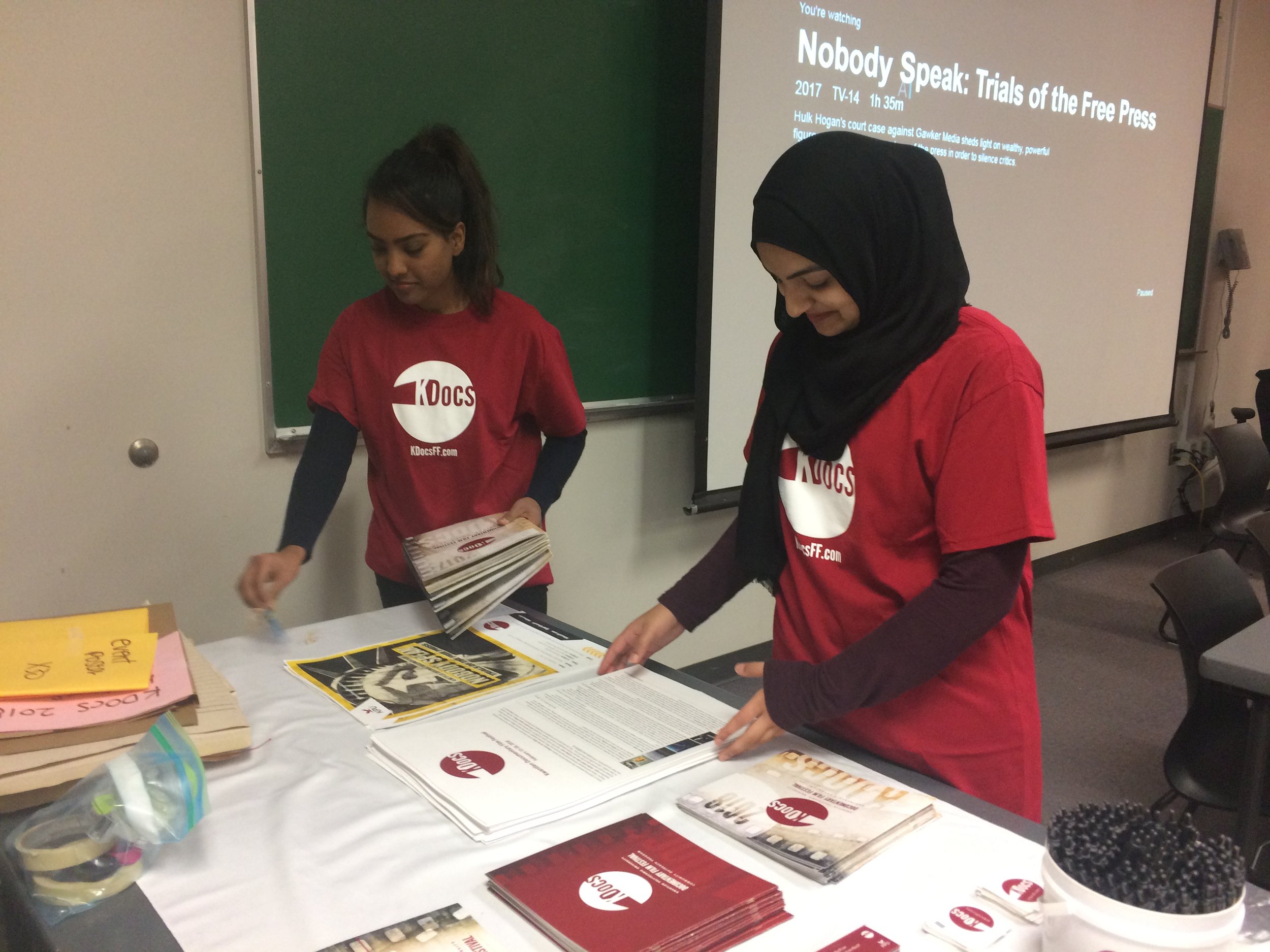
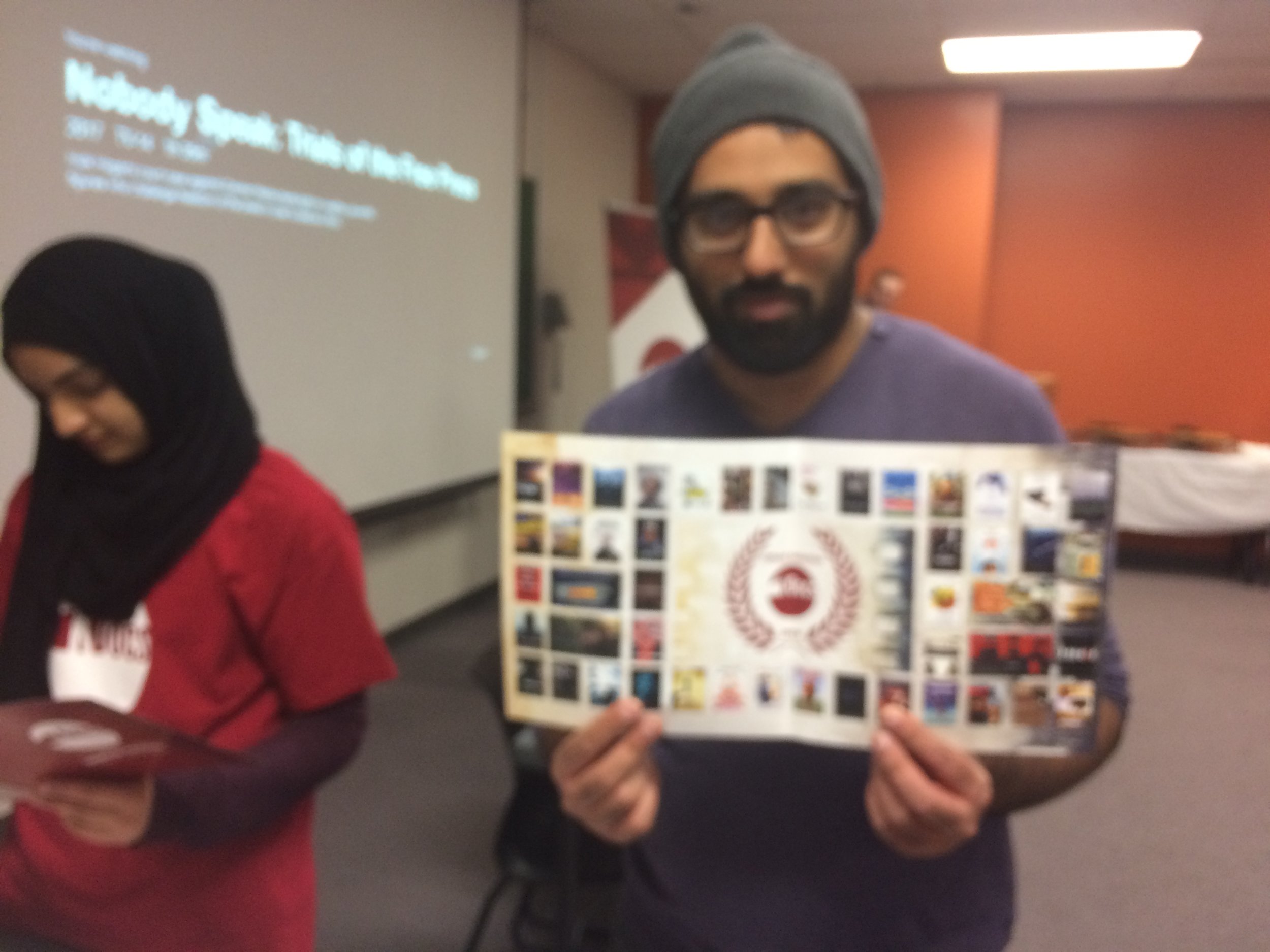
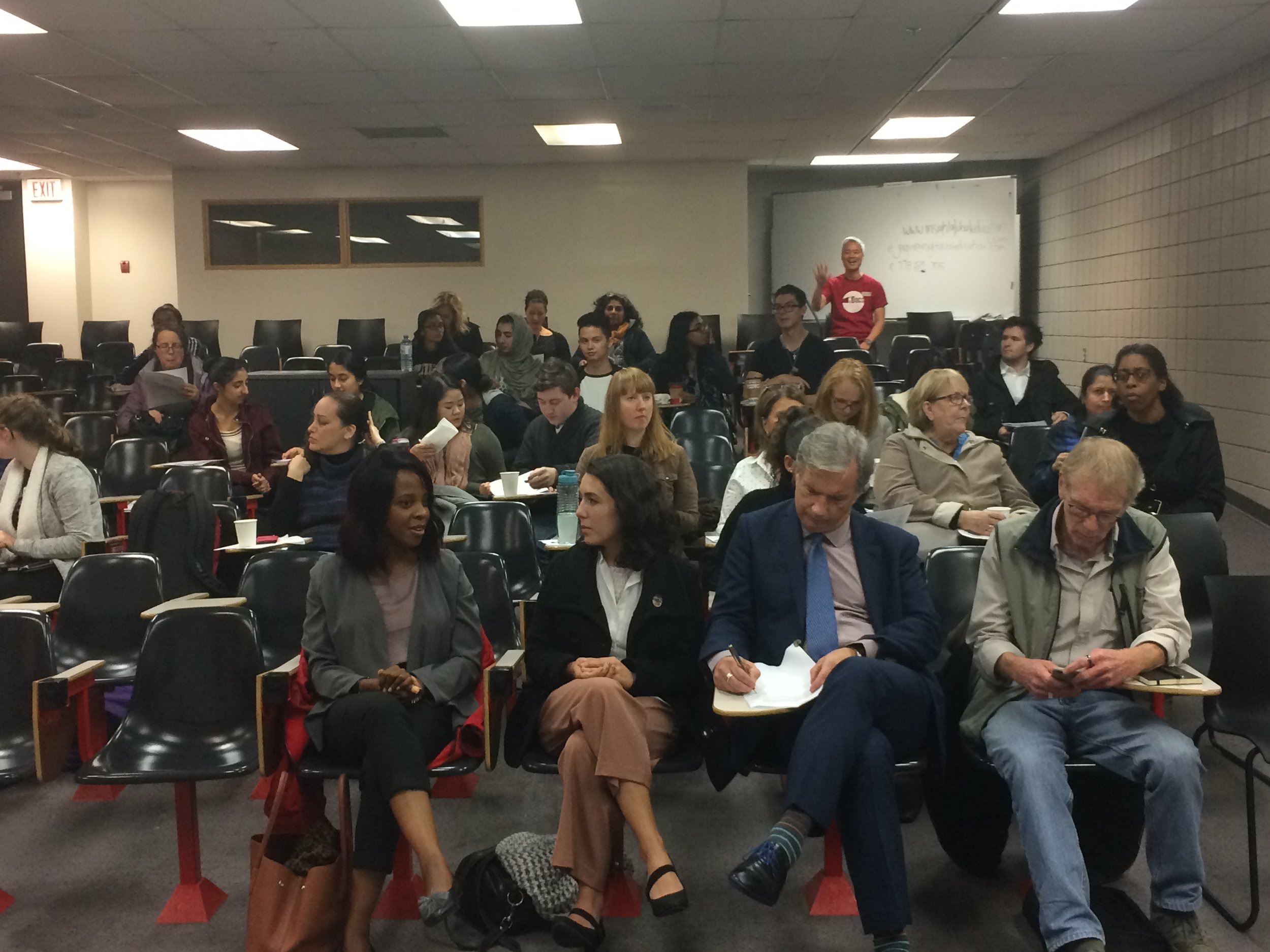
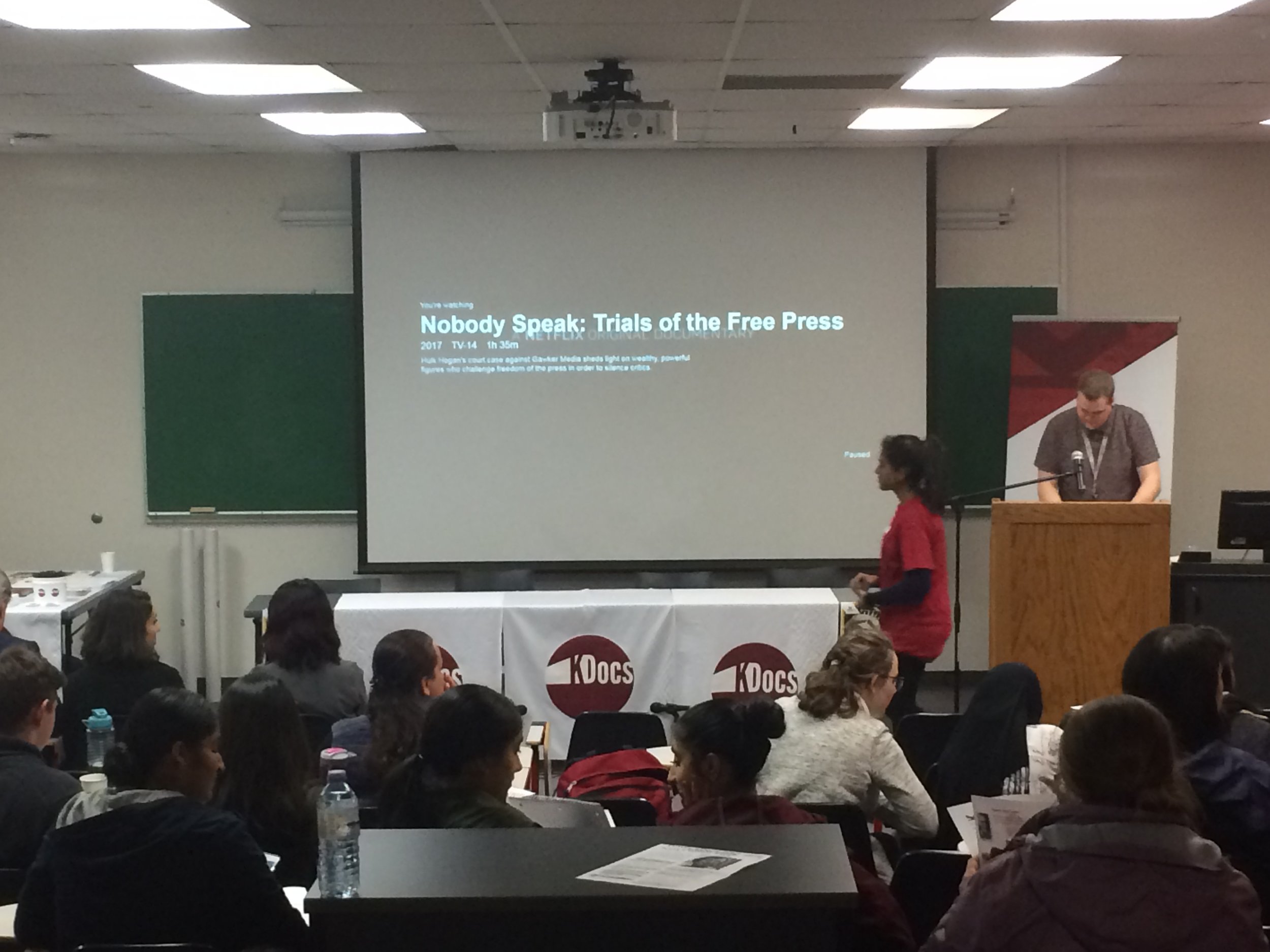
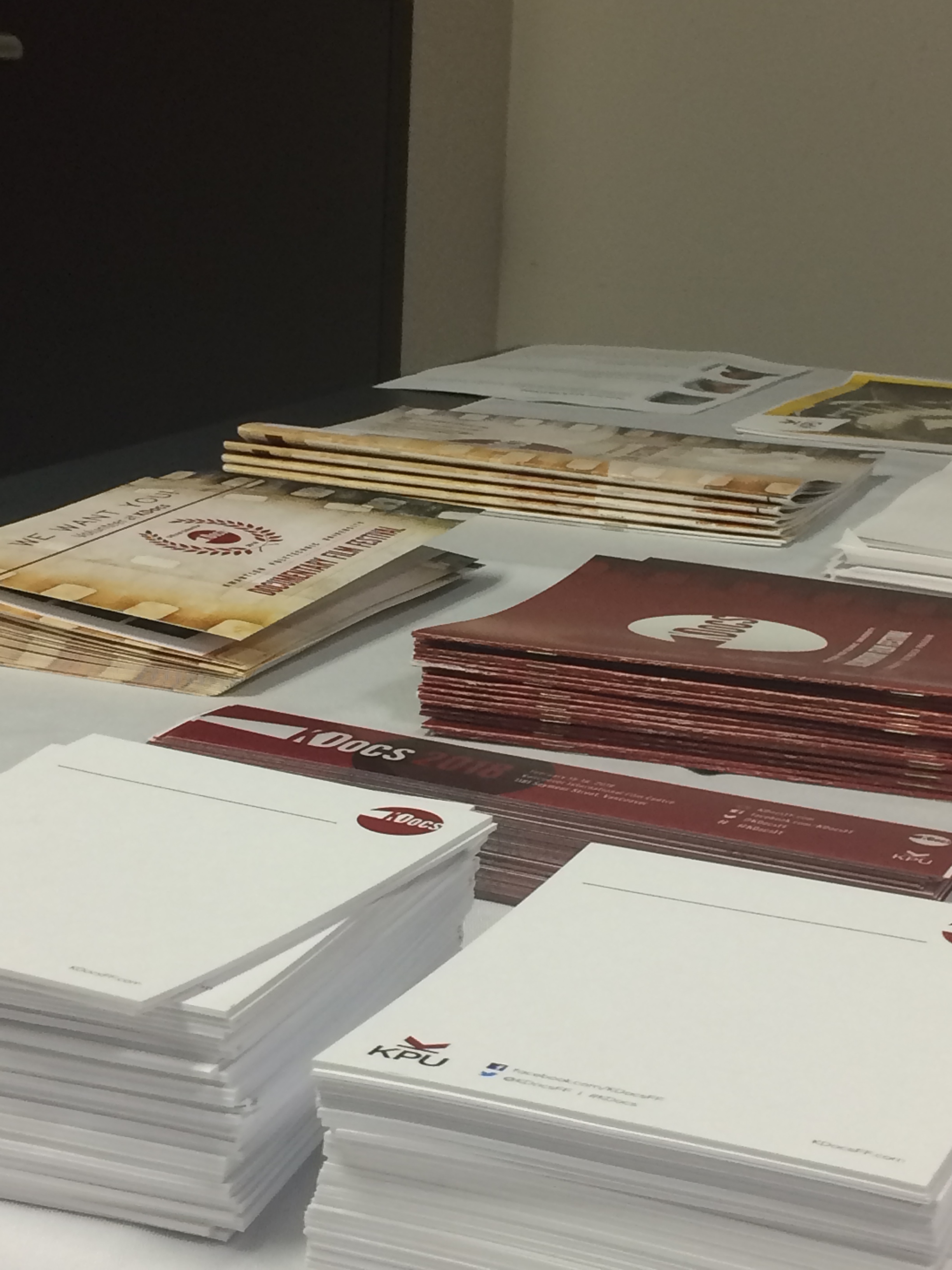
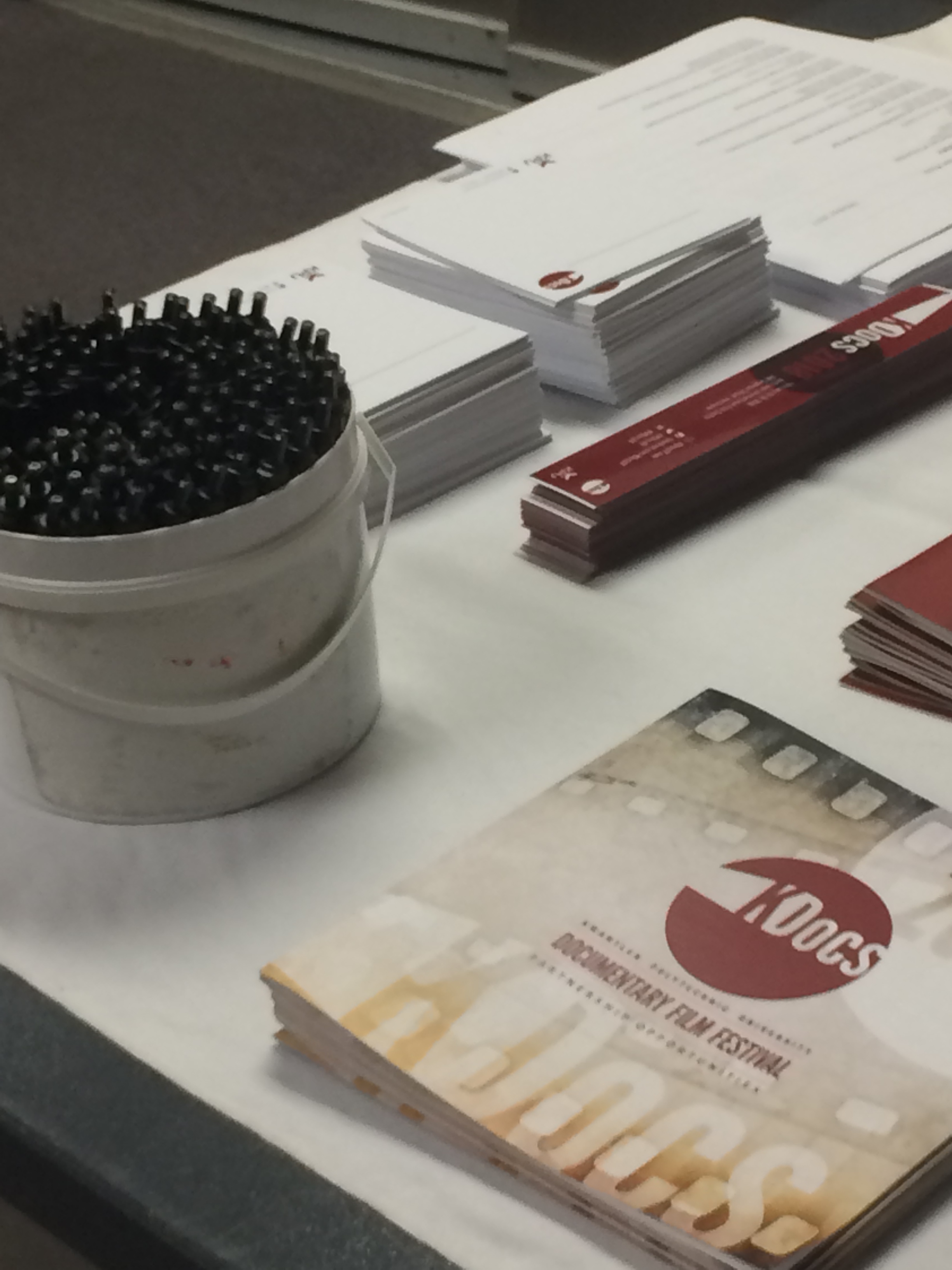
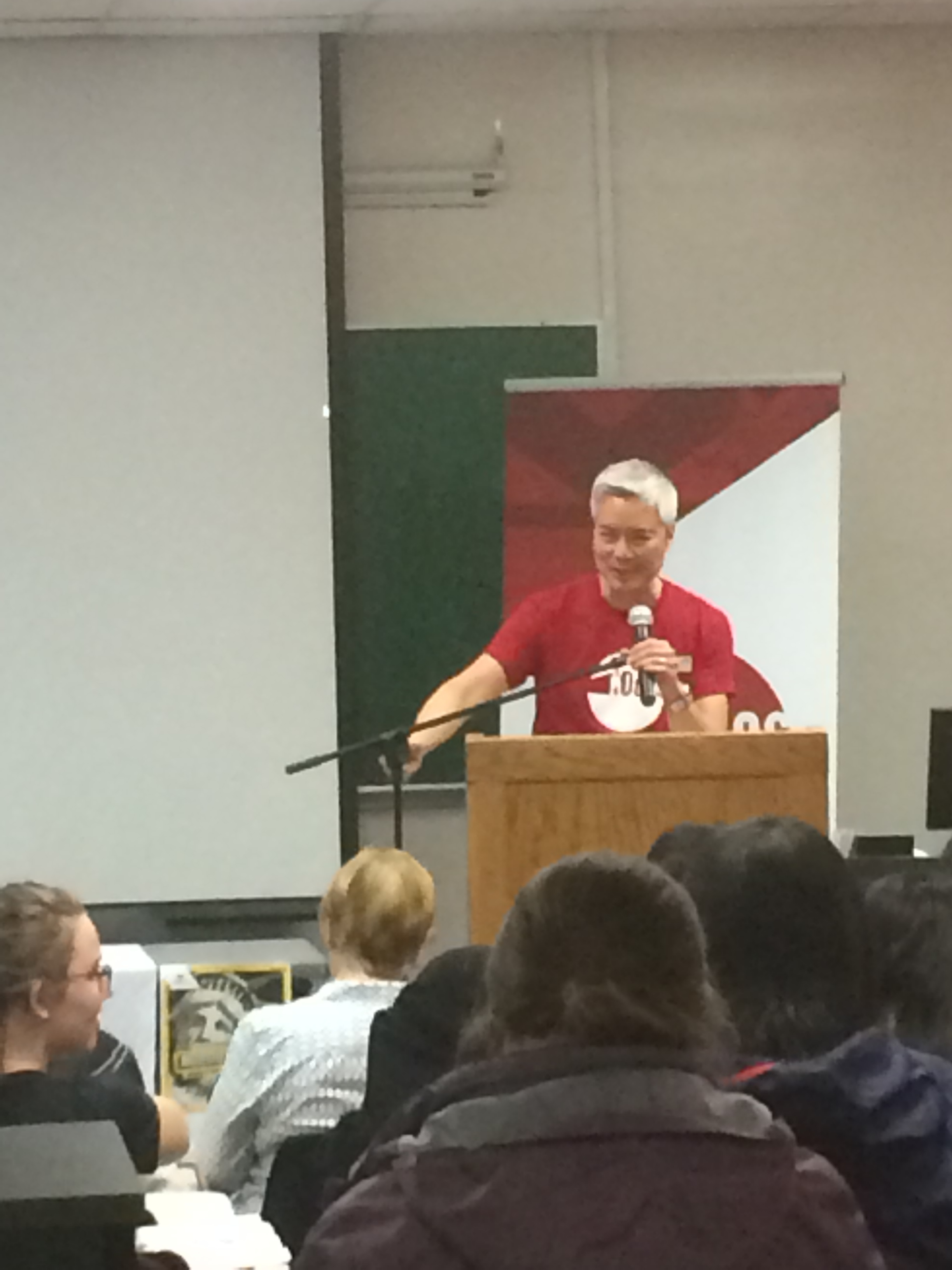
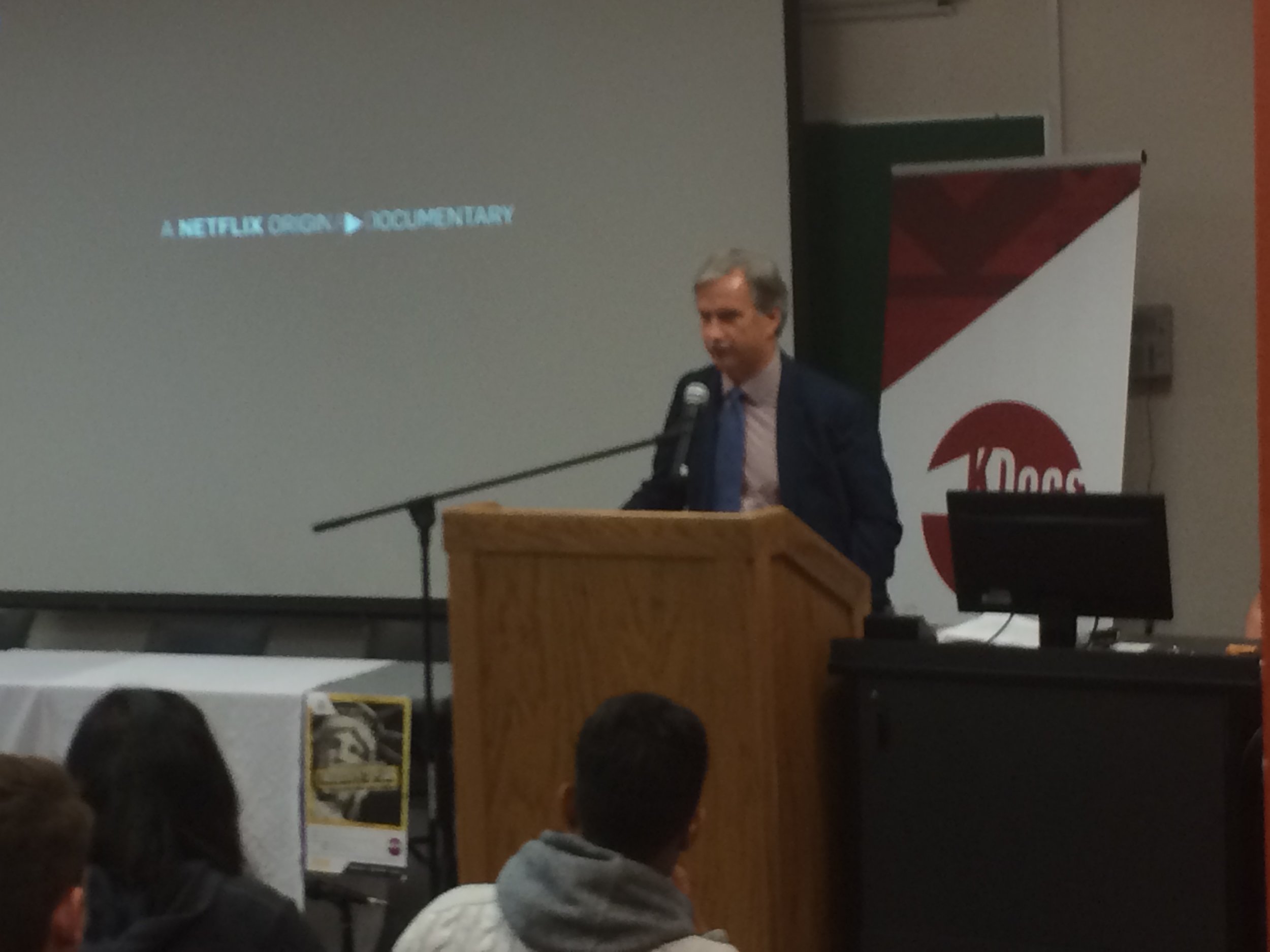
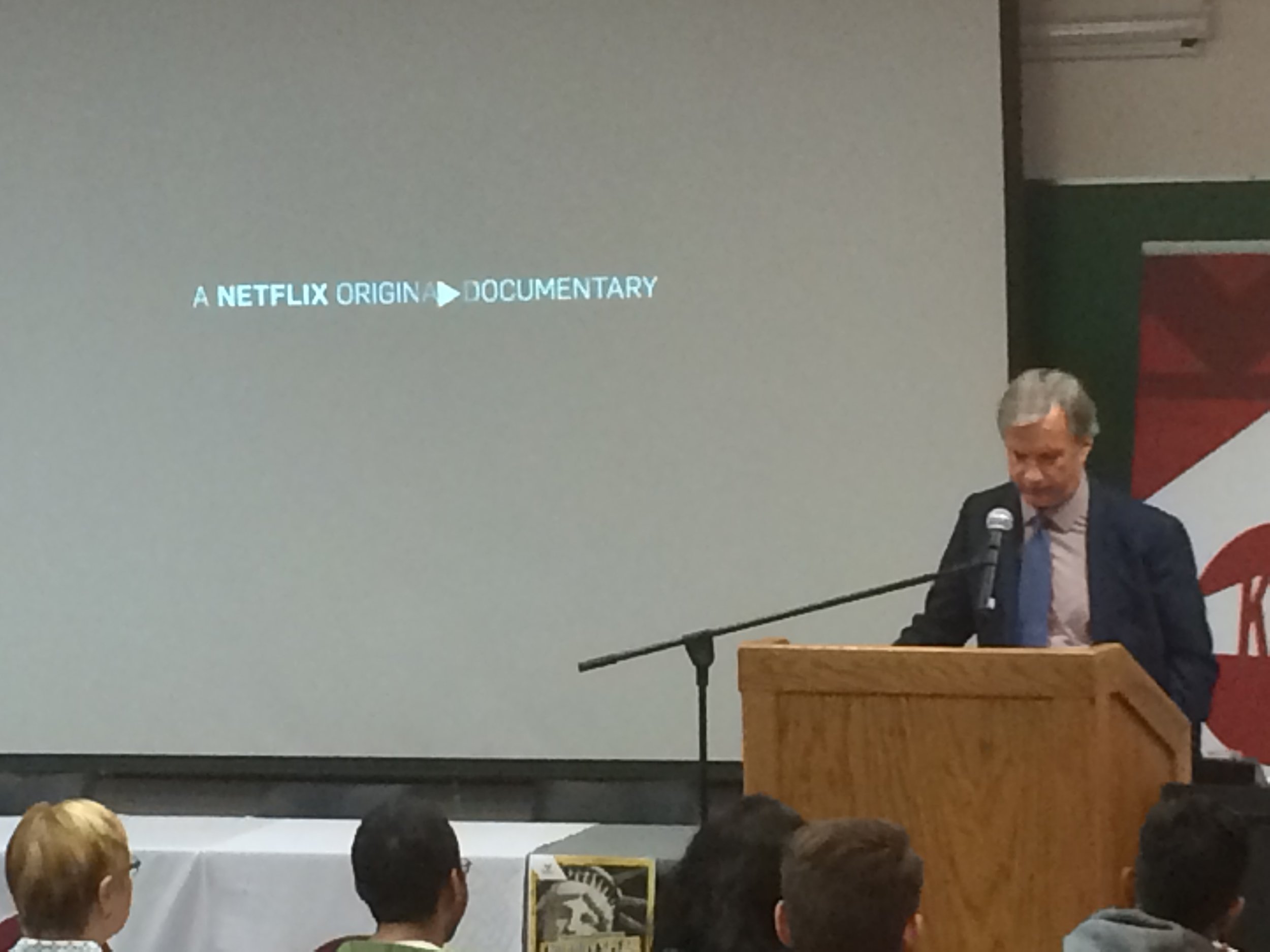
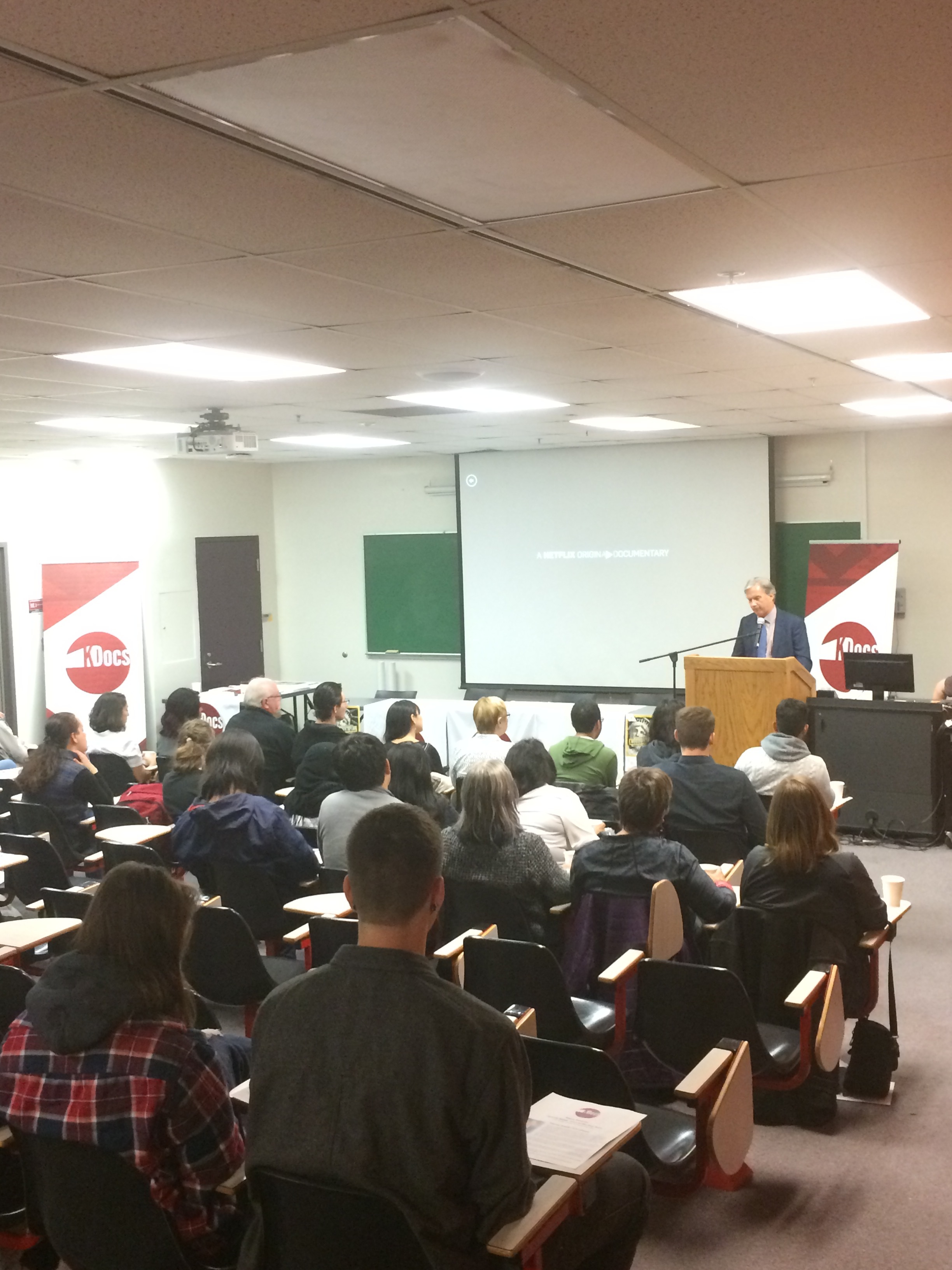
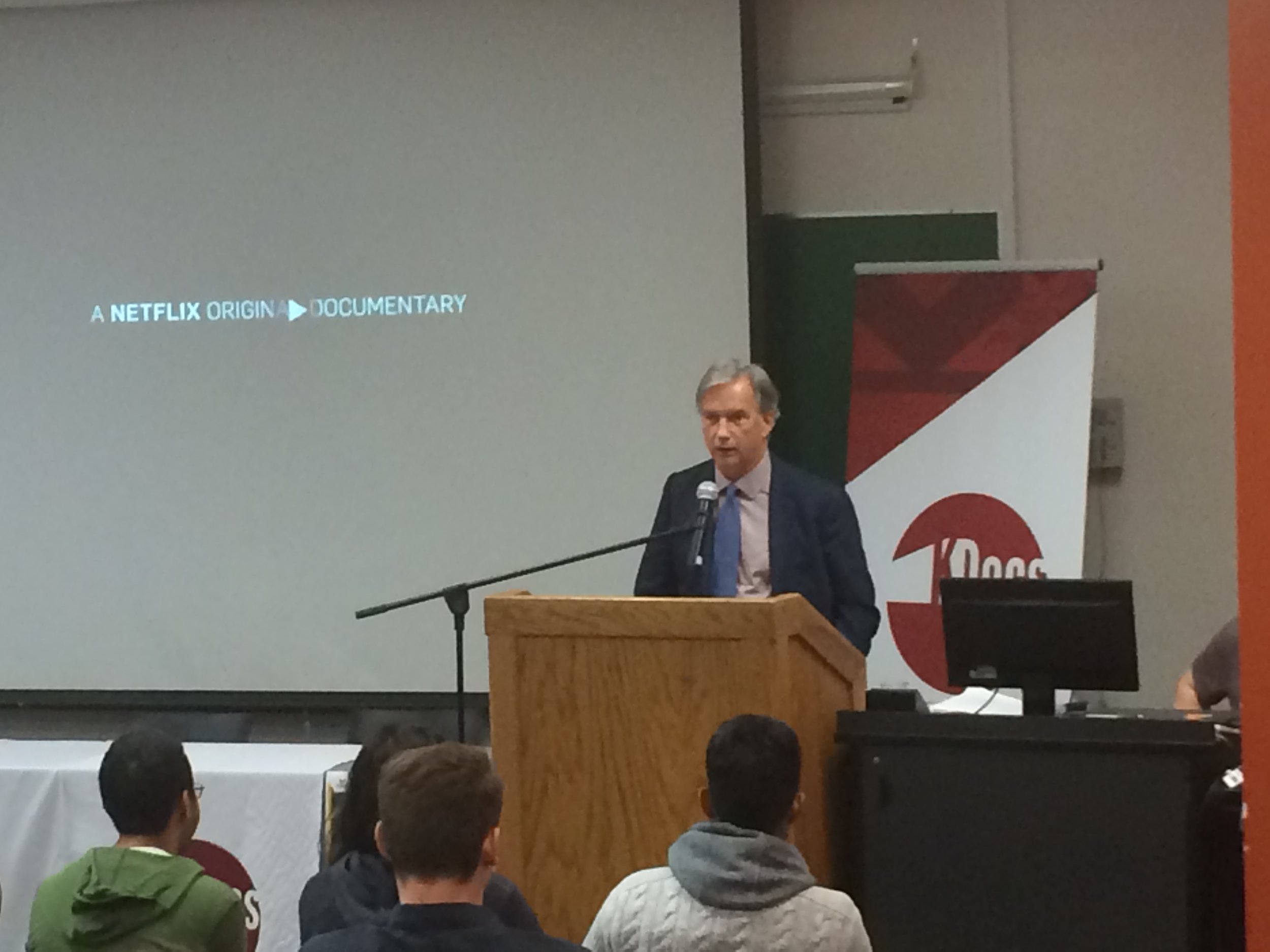
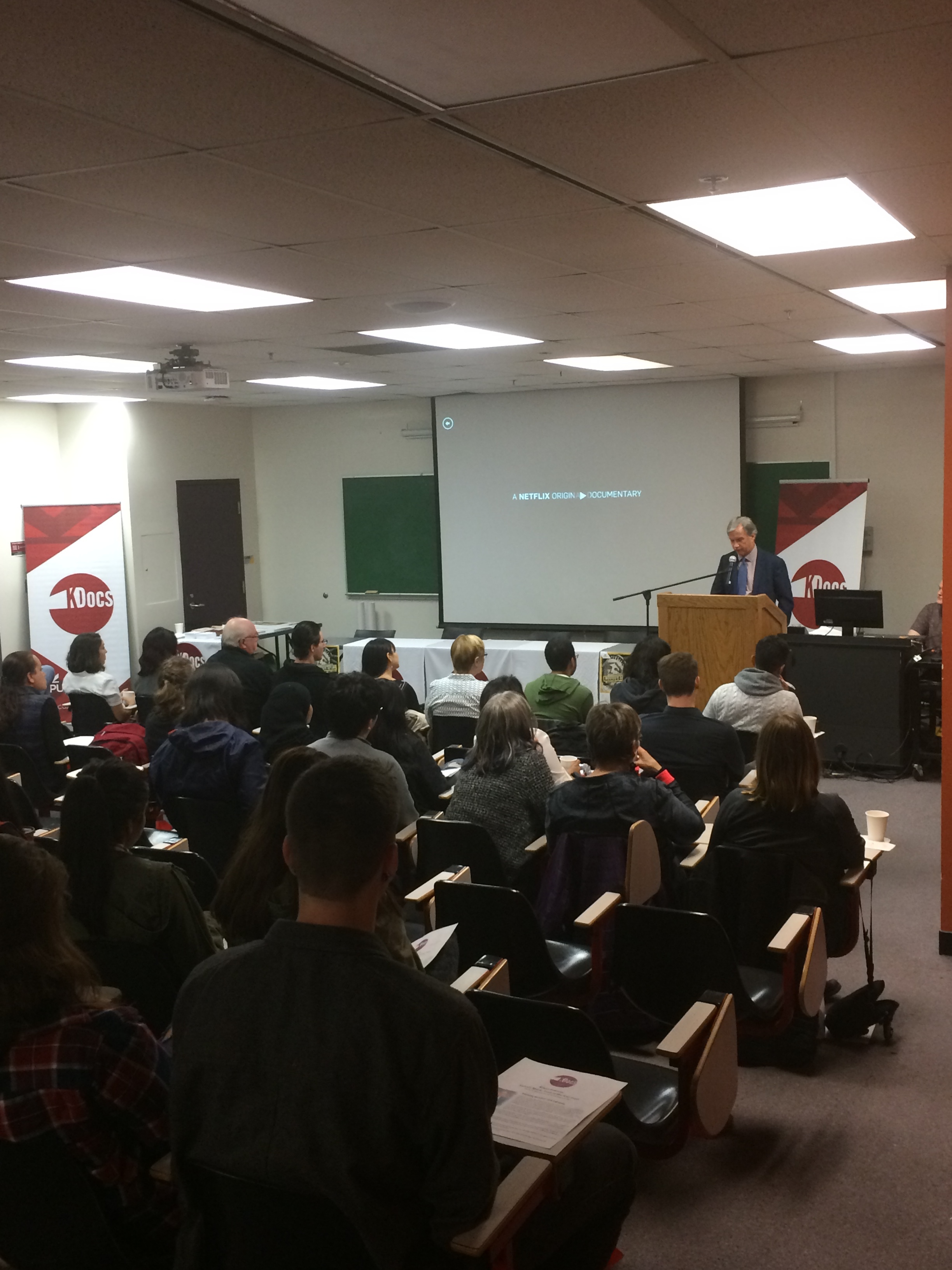
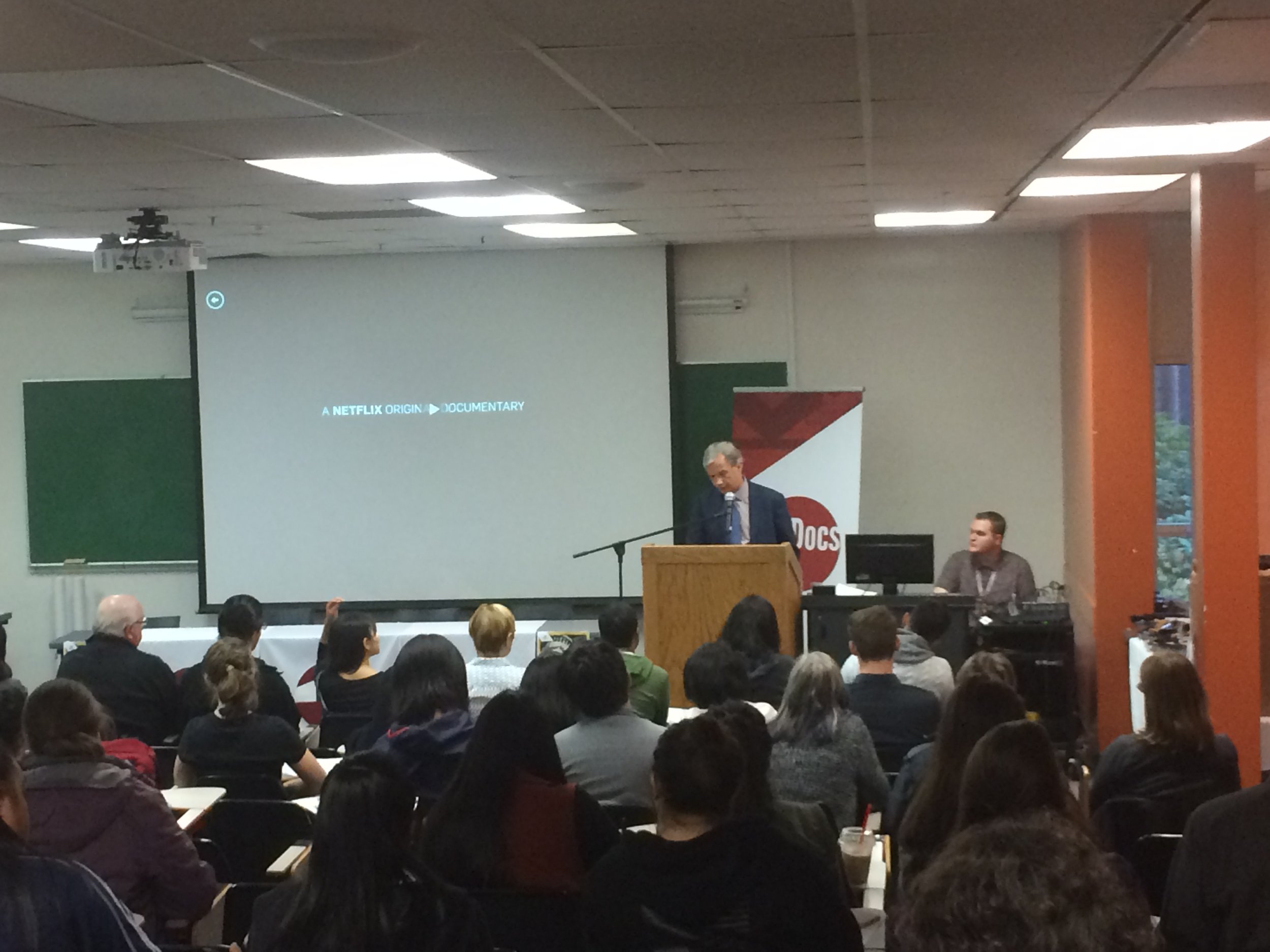
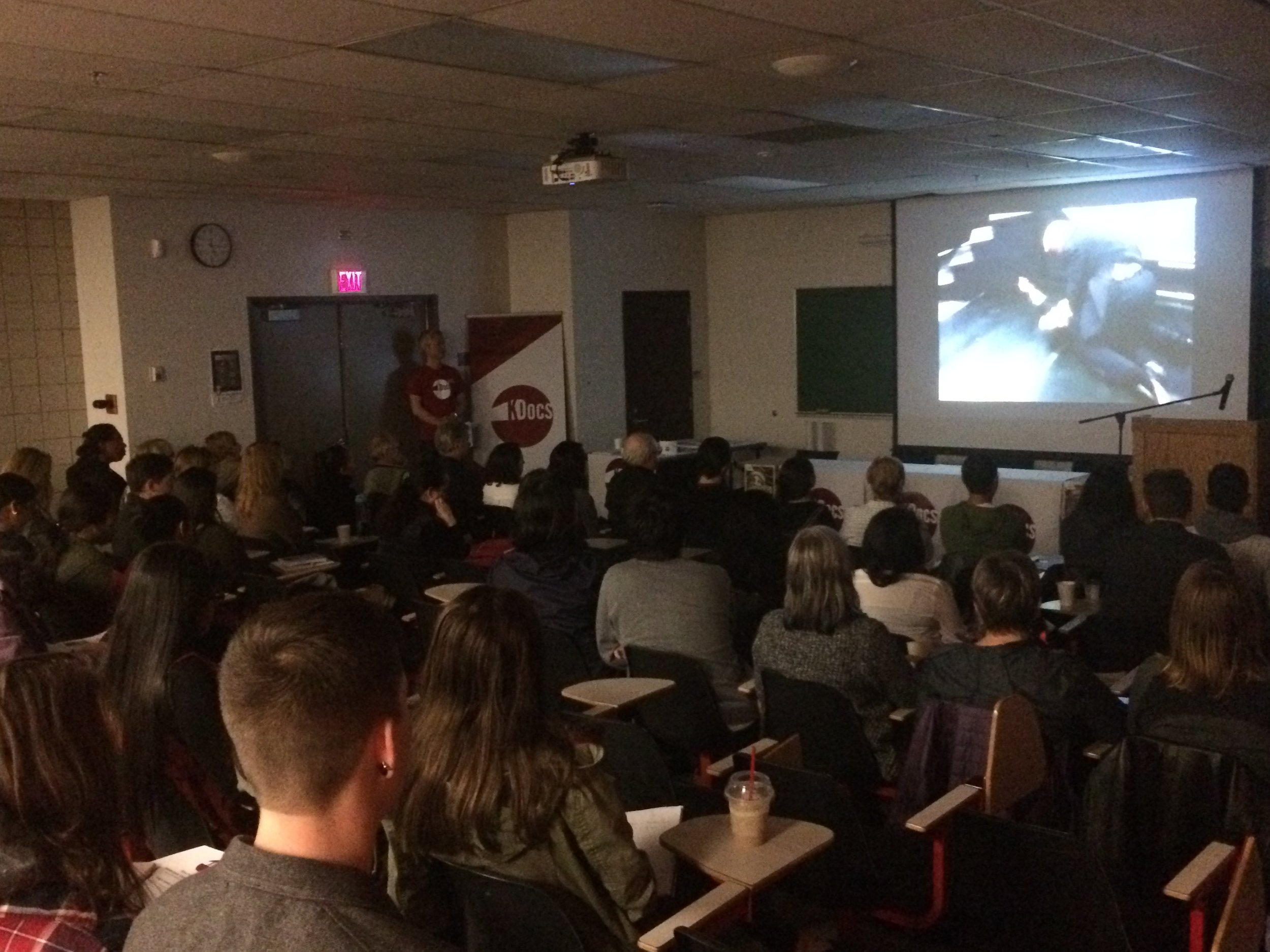
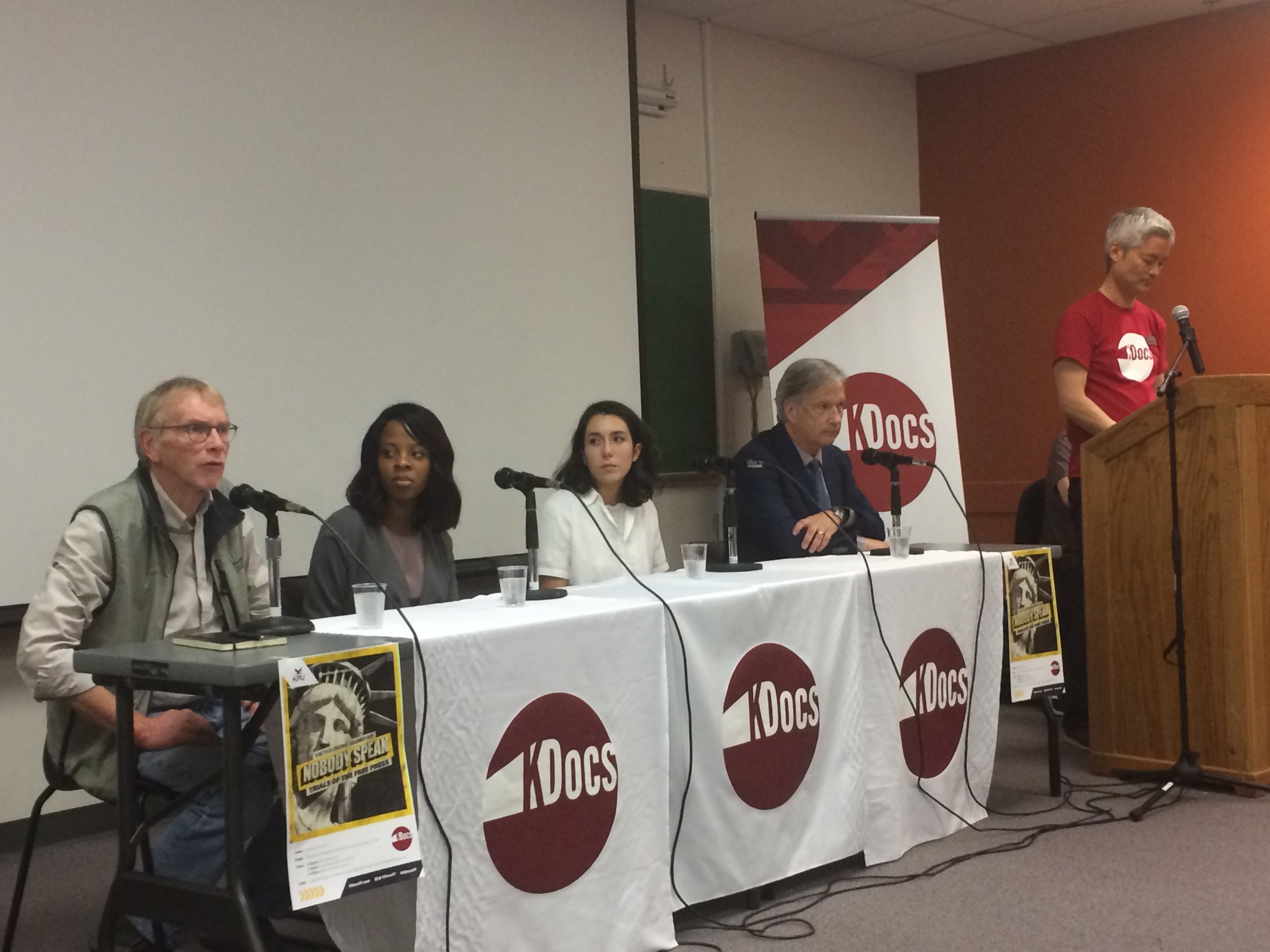
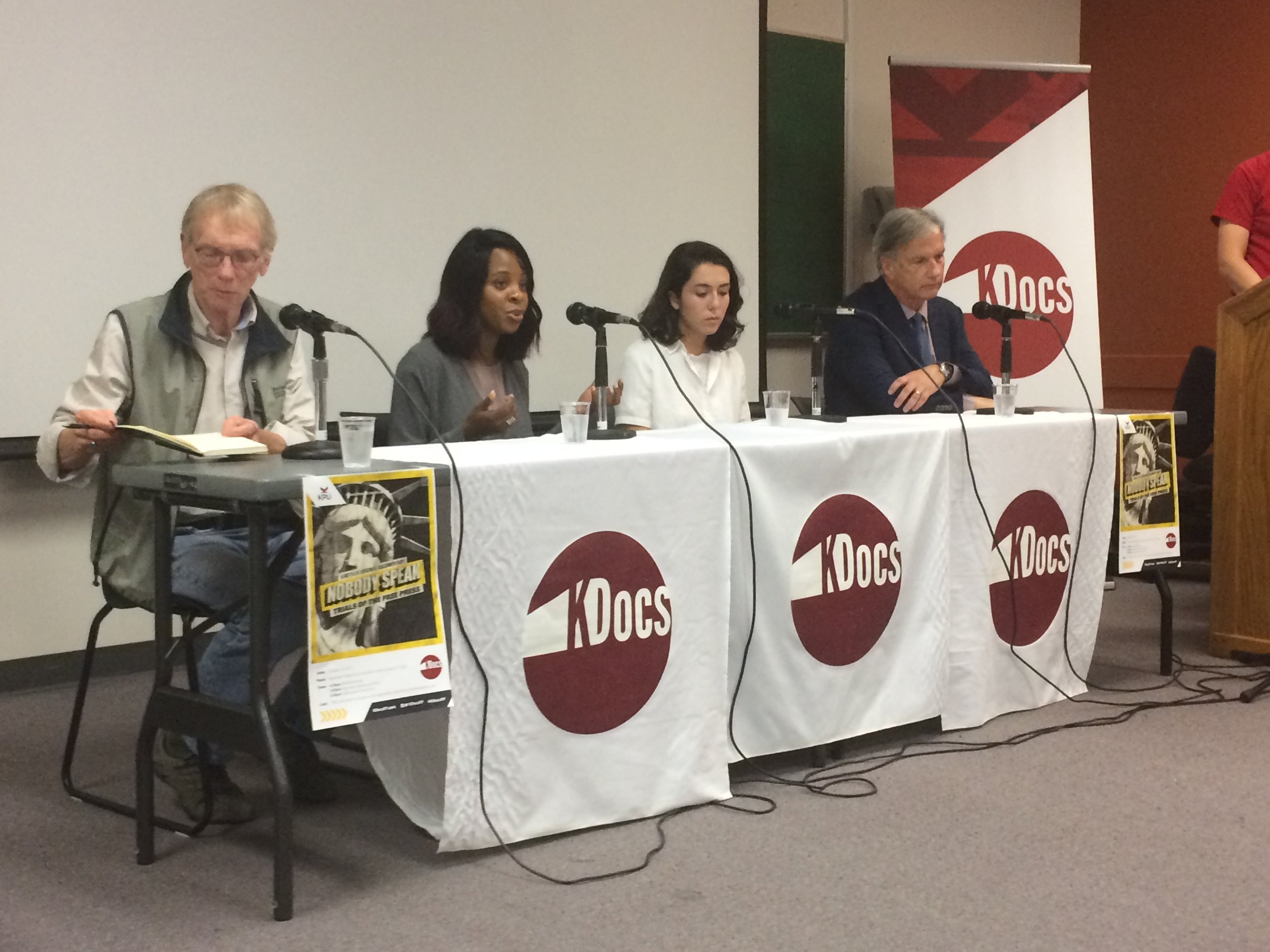
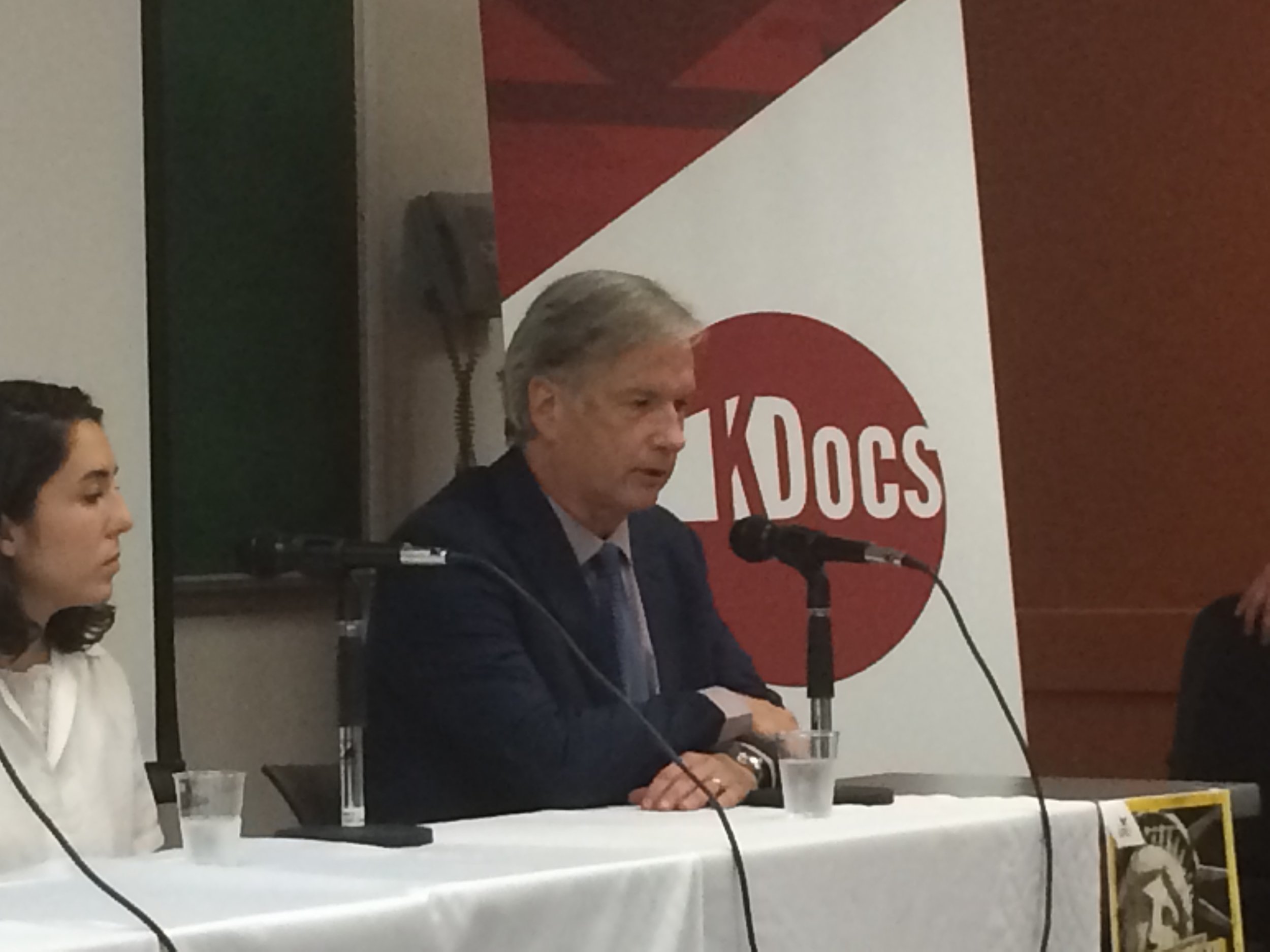
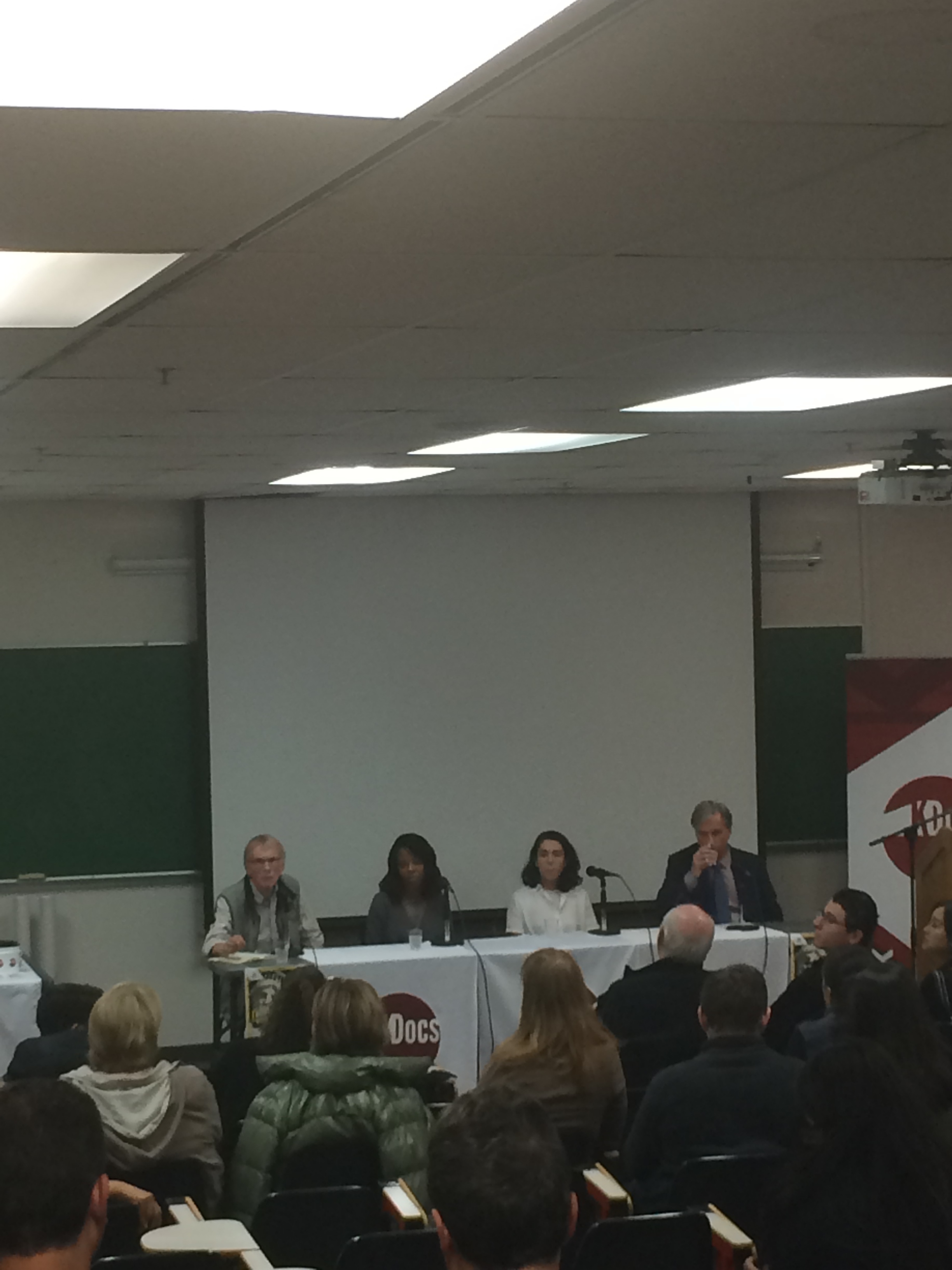
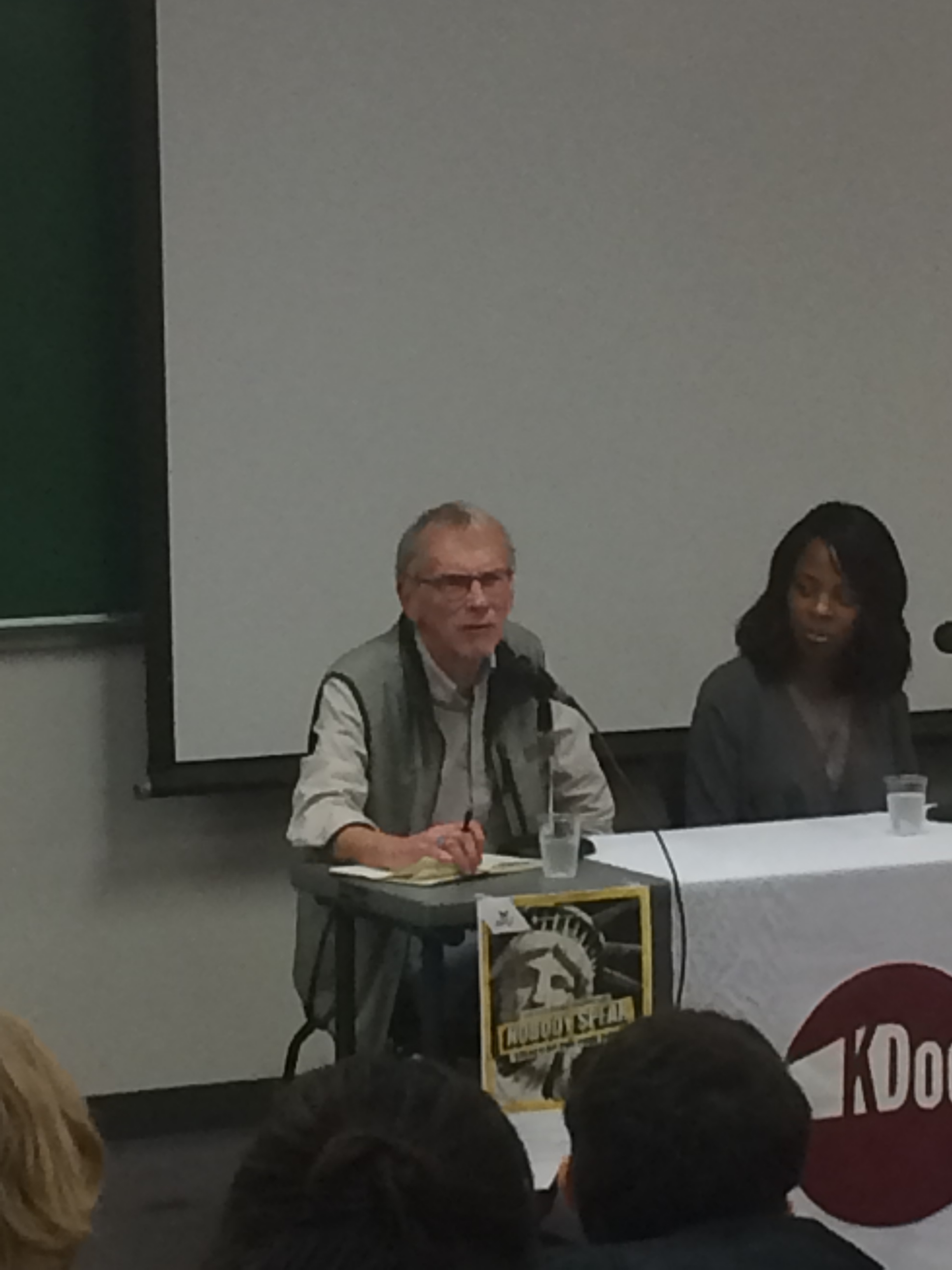
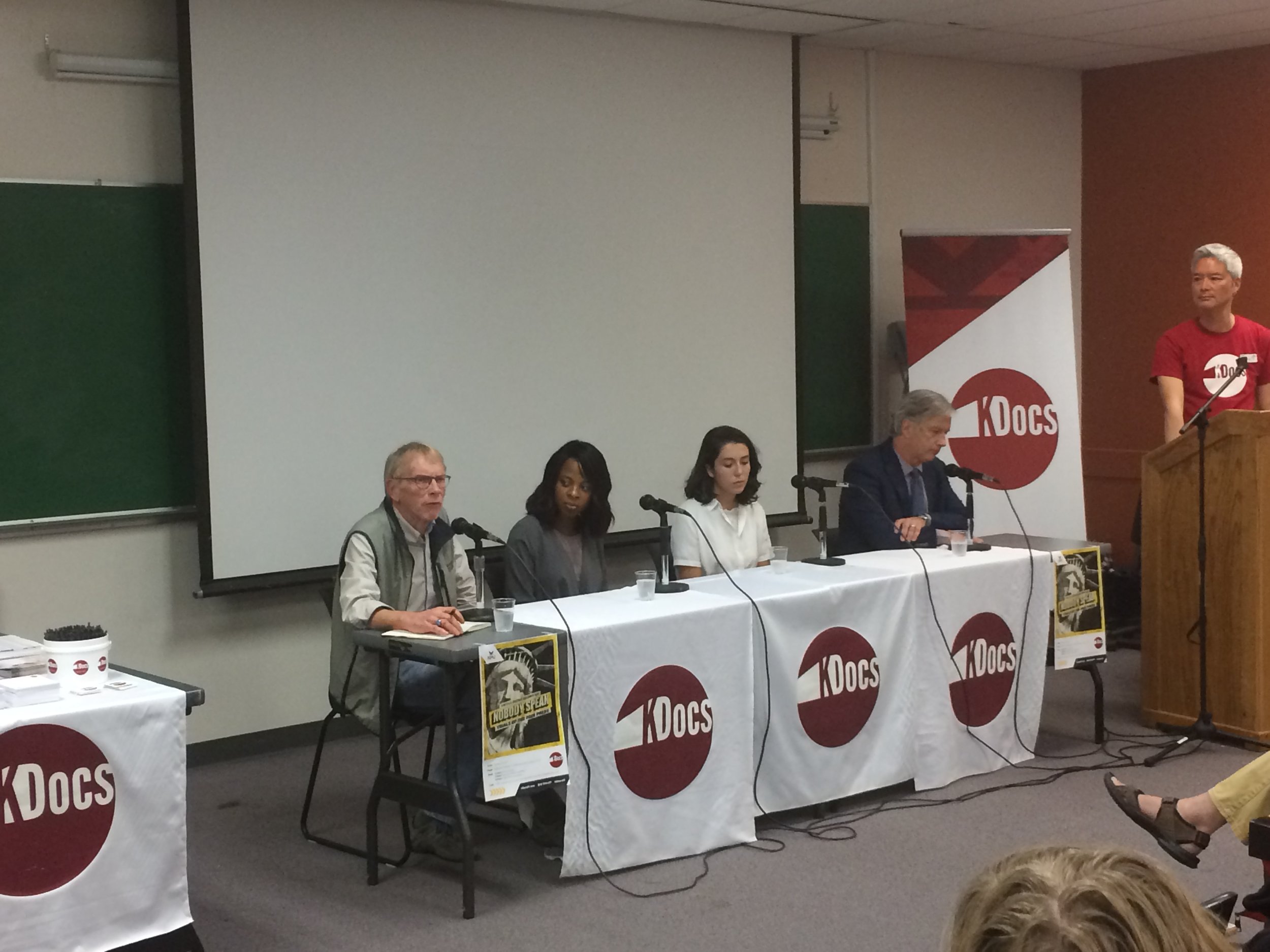
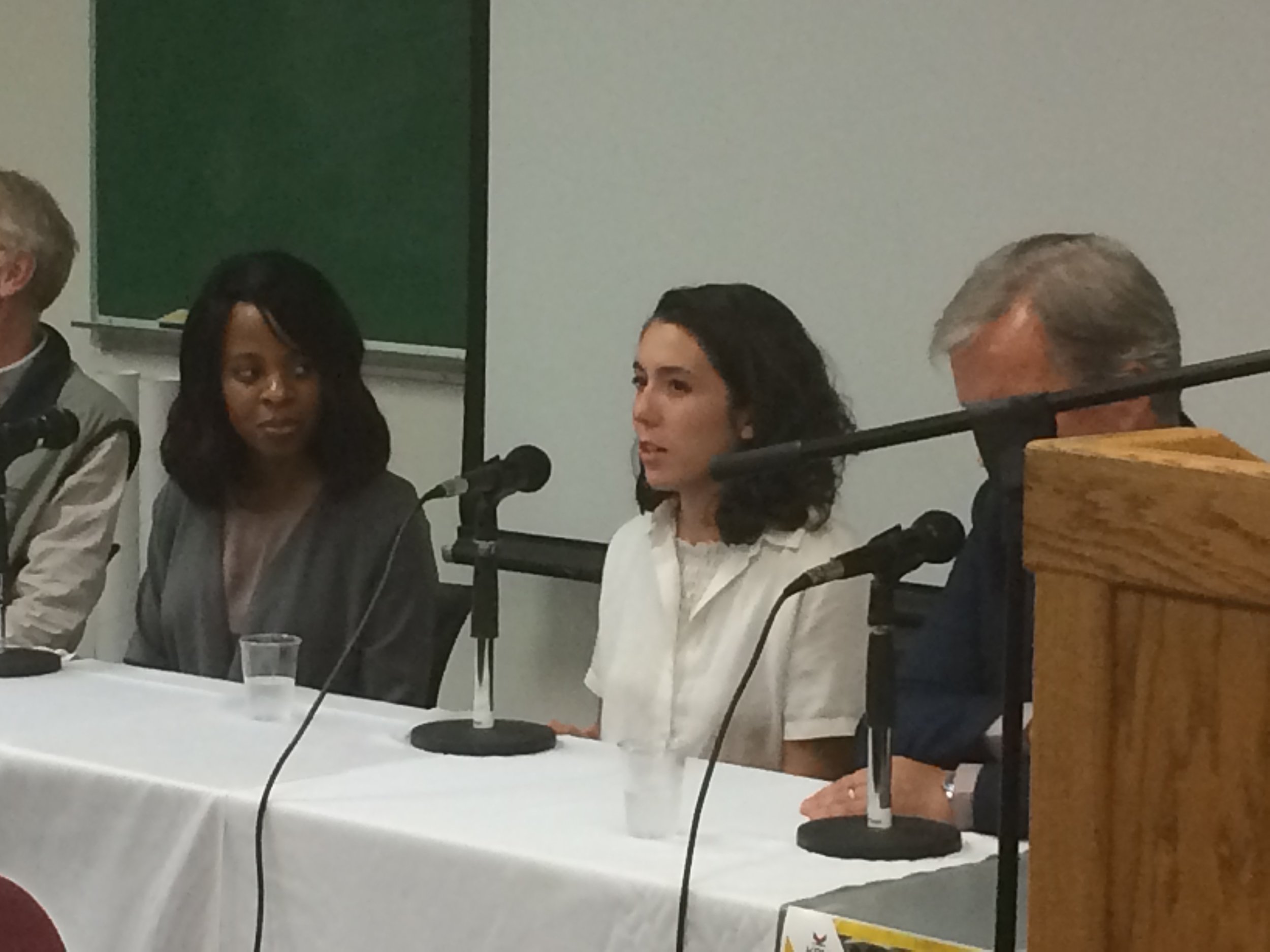
KDocsFF 2017
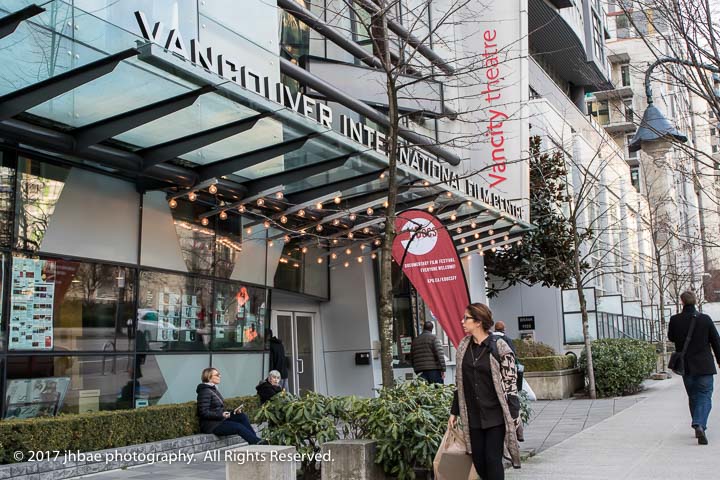
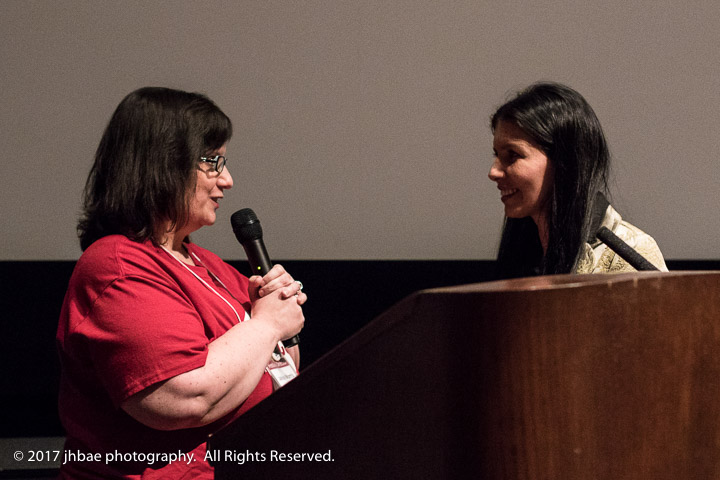
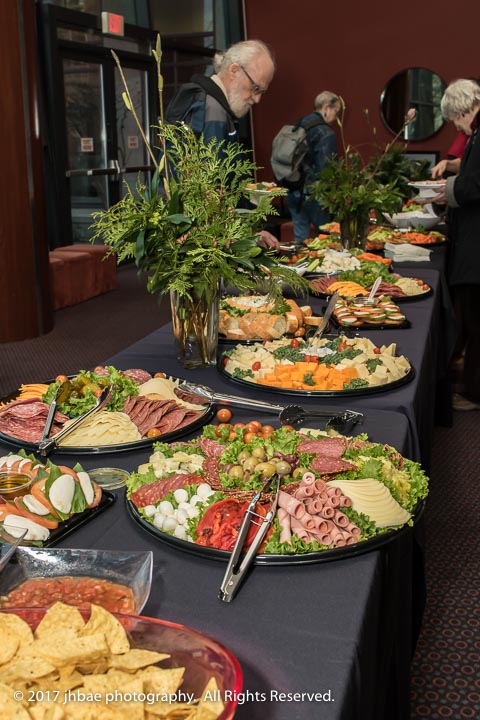
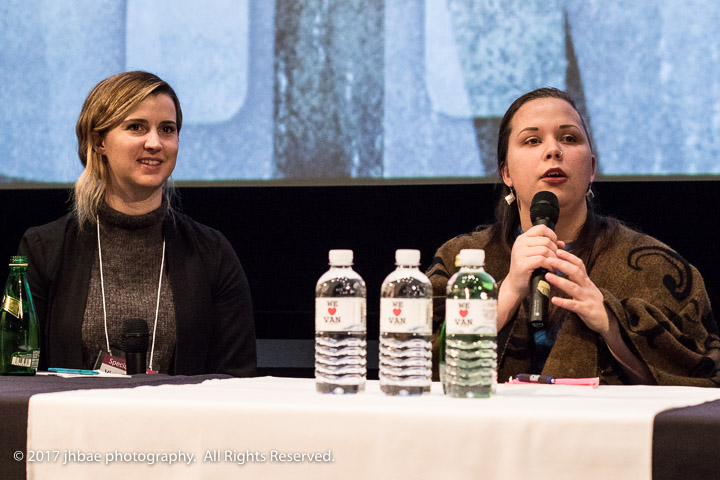

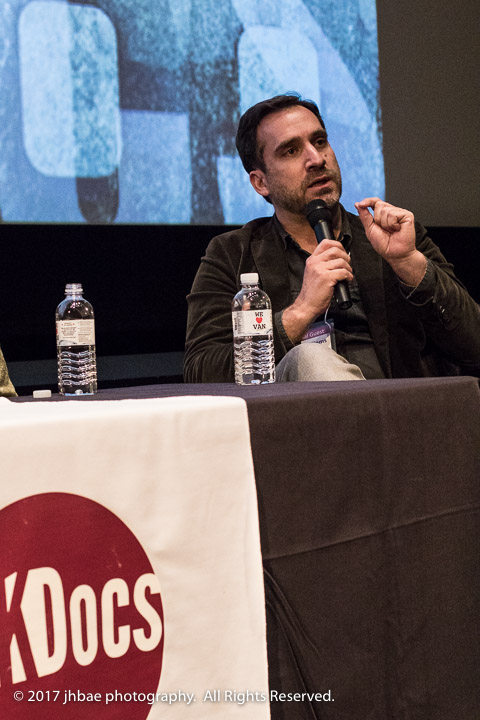

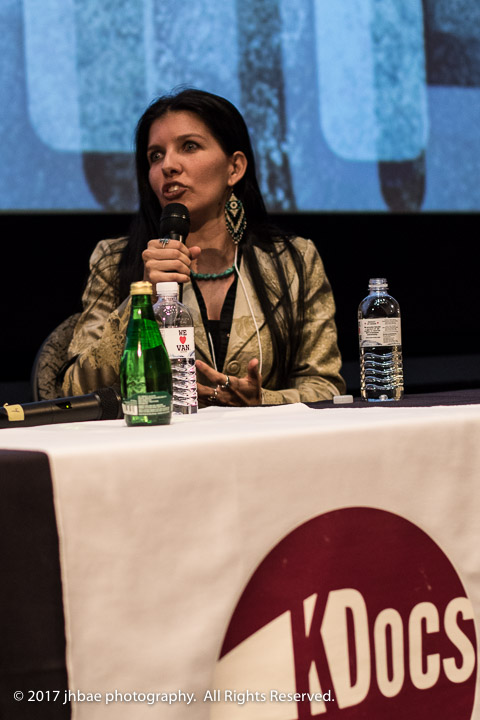

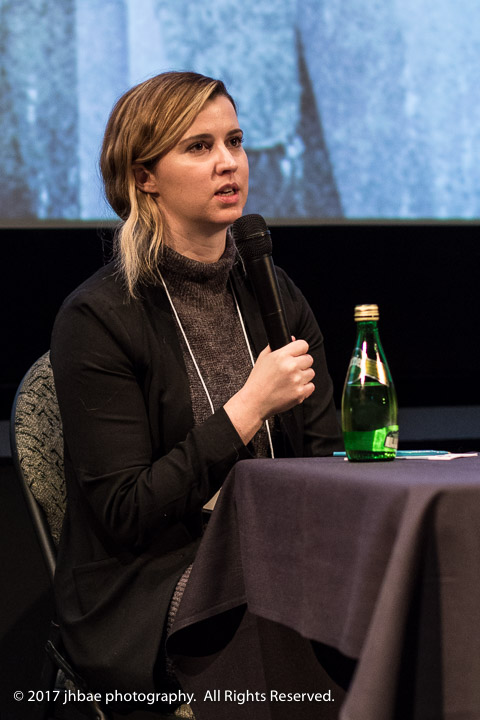
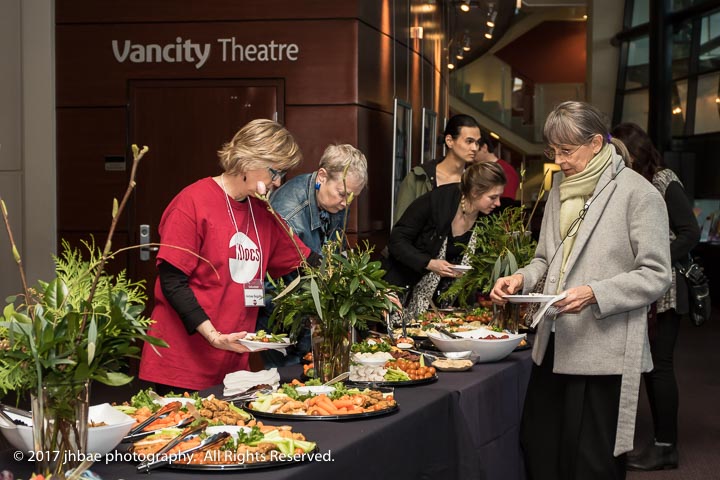
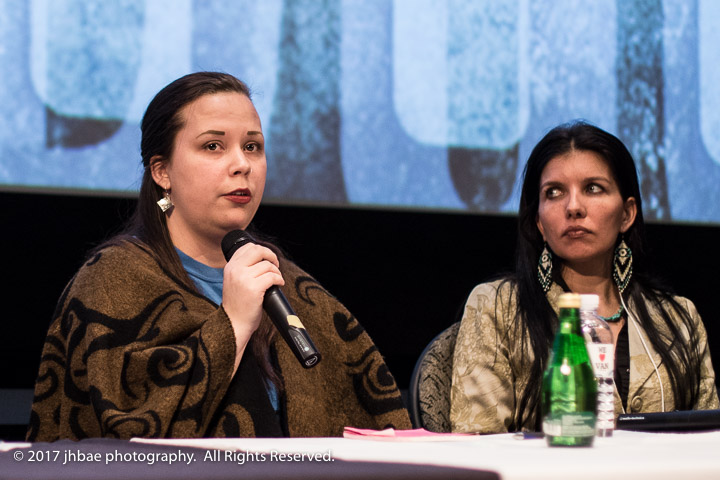
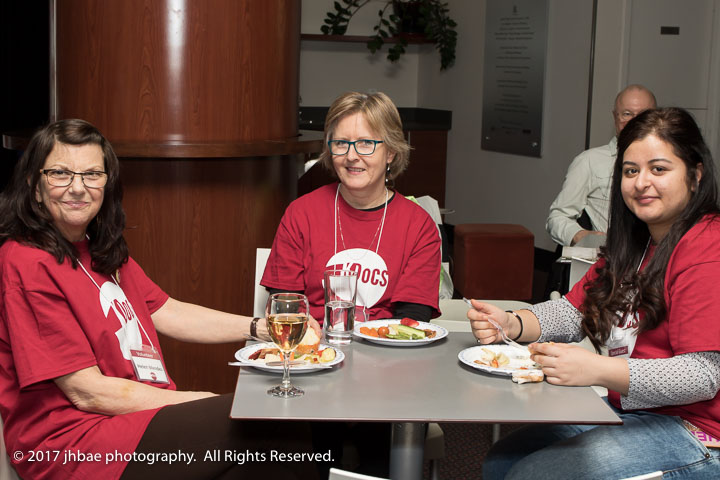
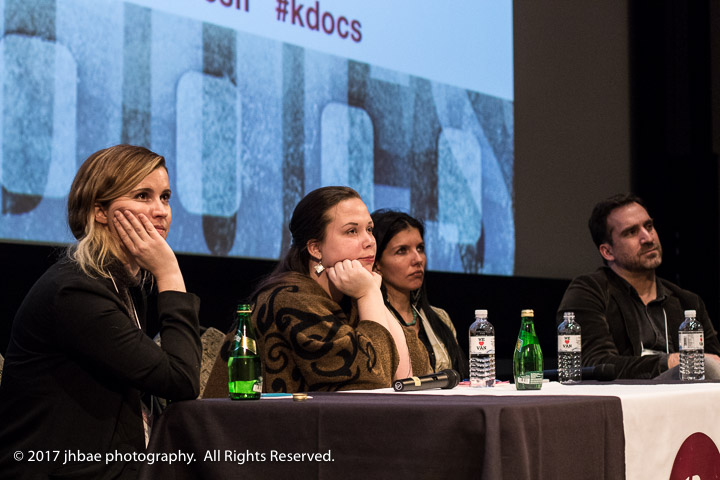
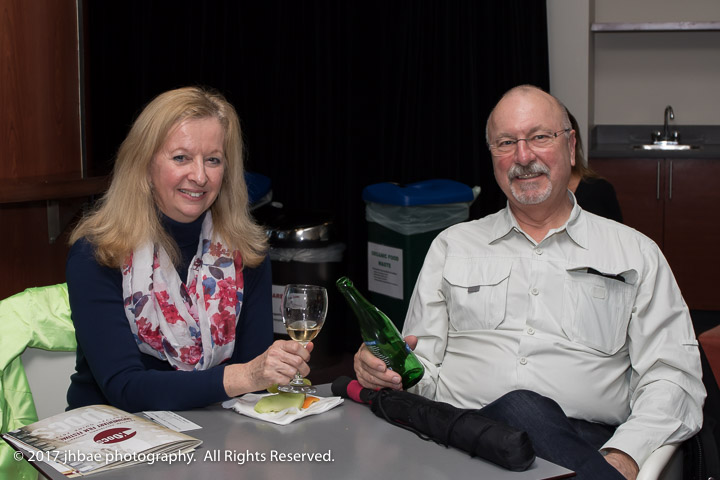
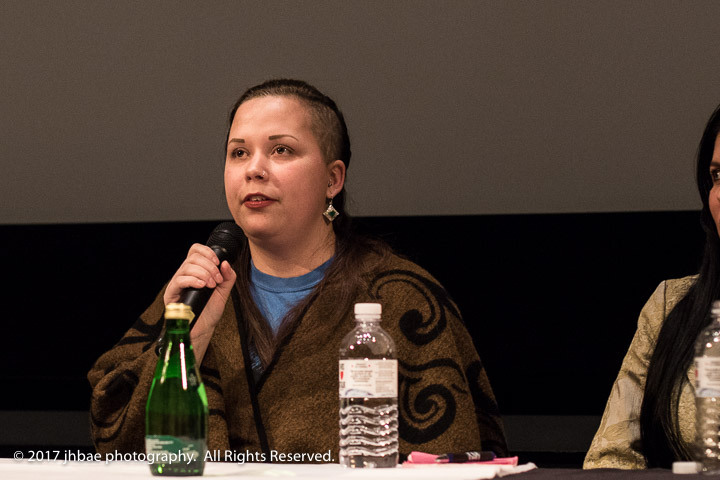
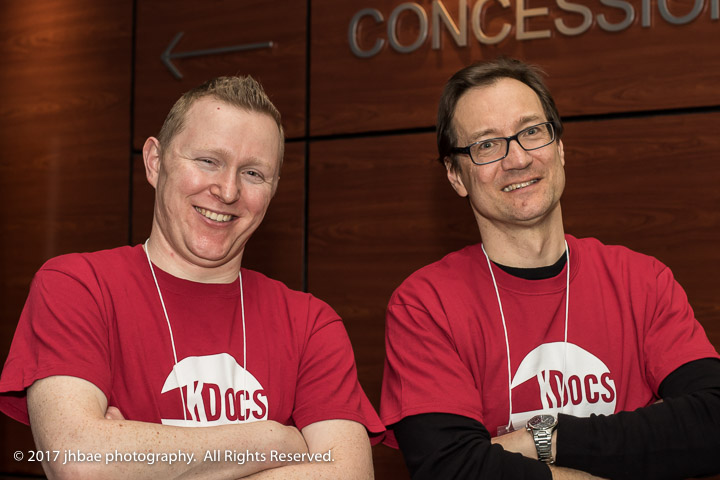
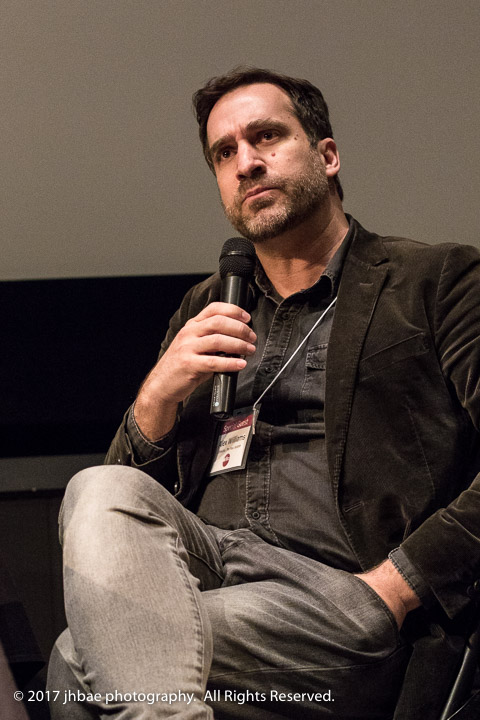
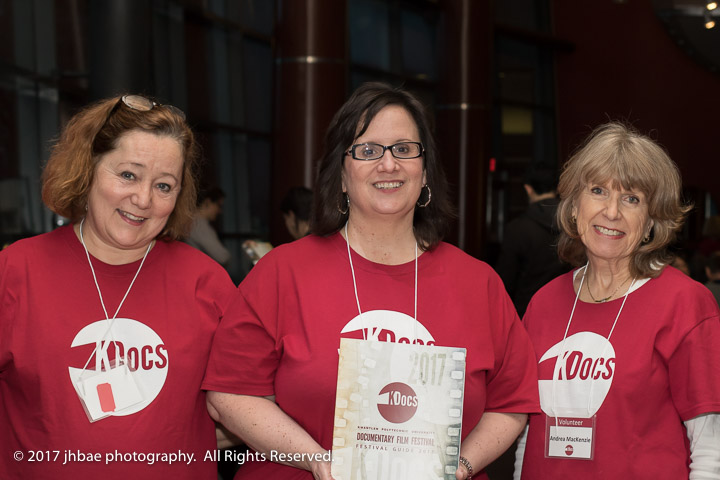
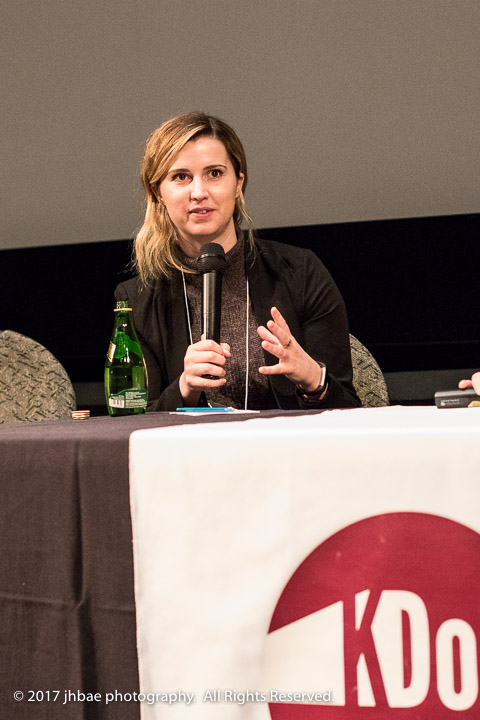
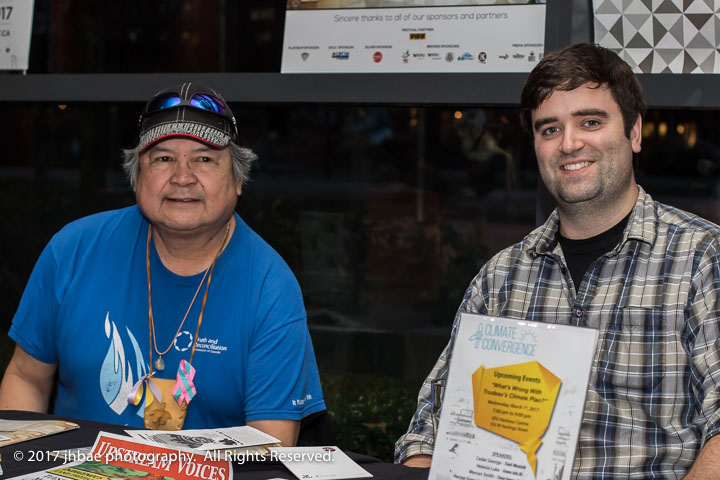
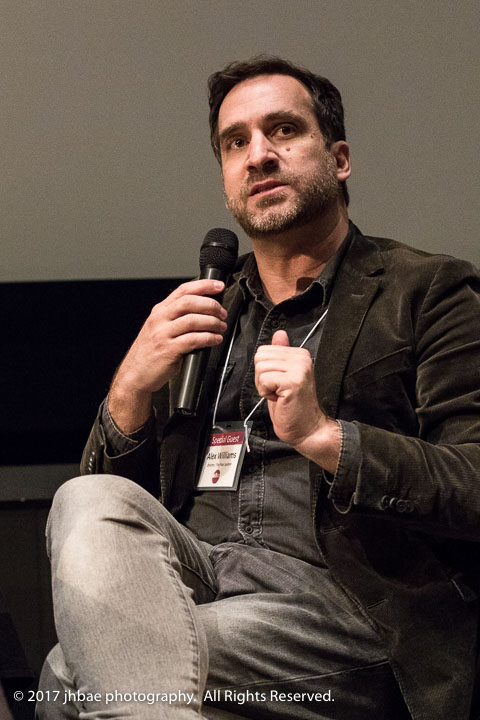
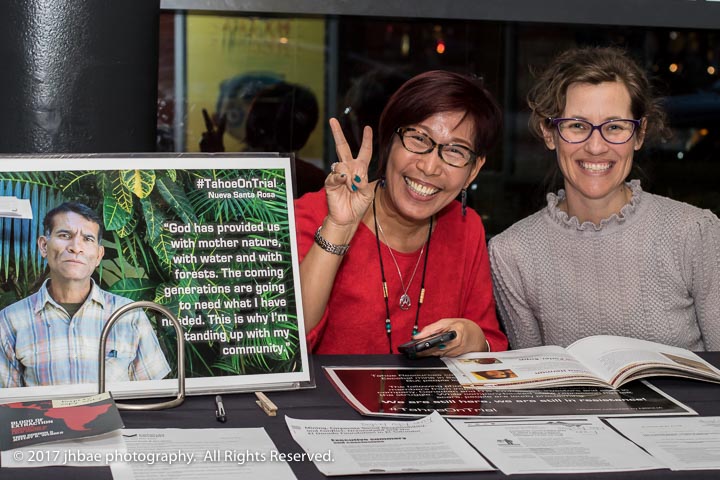
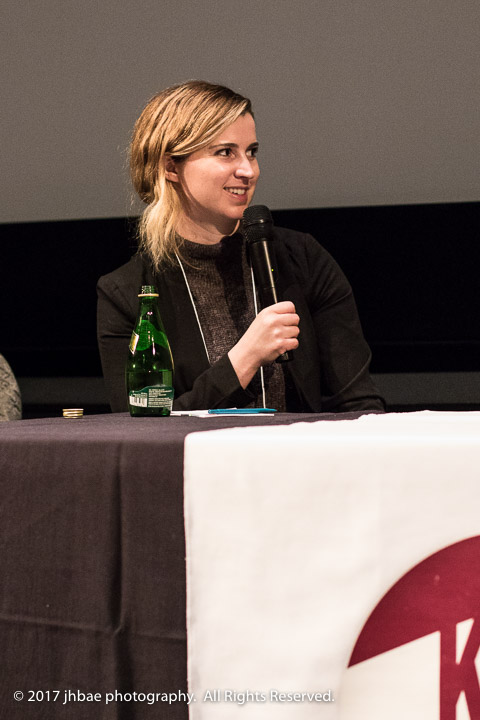
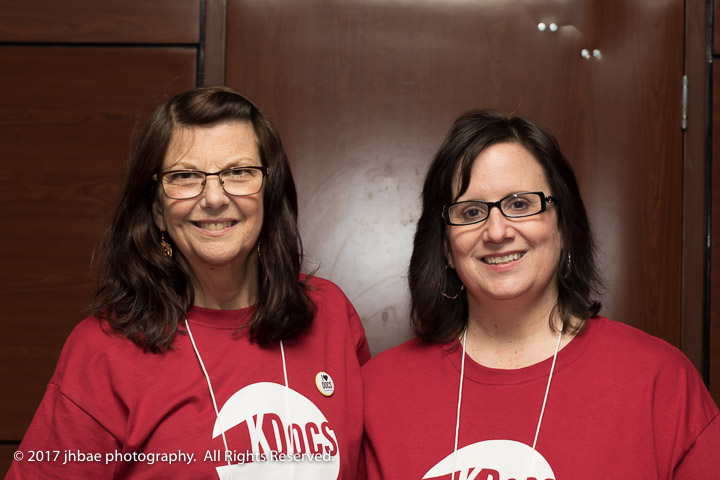
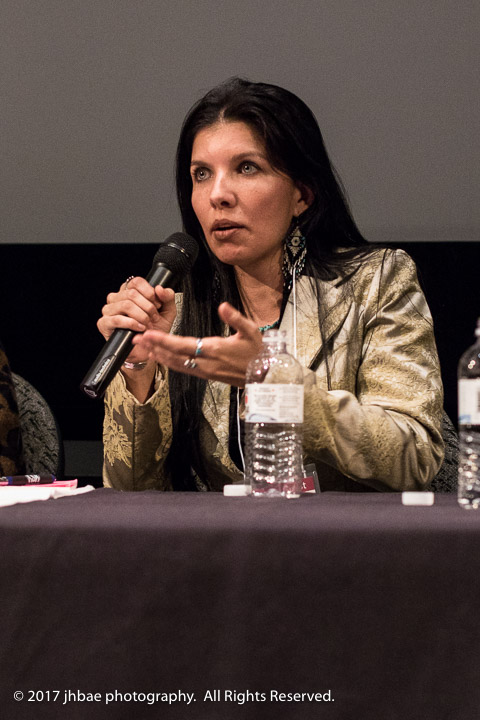
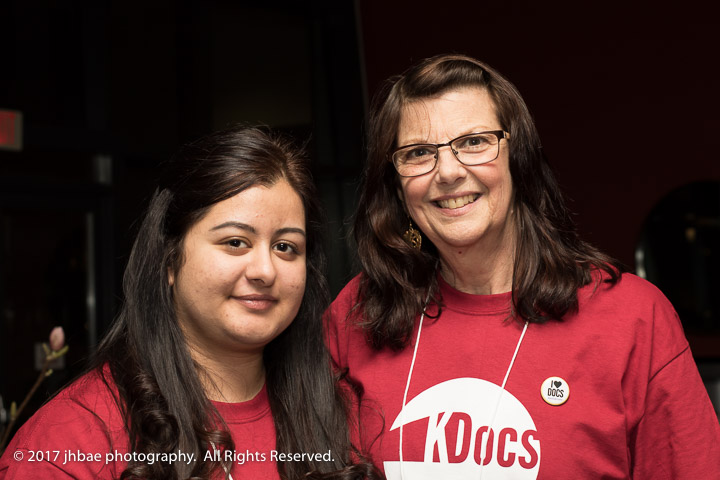
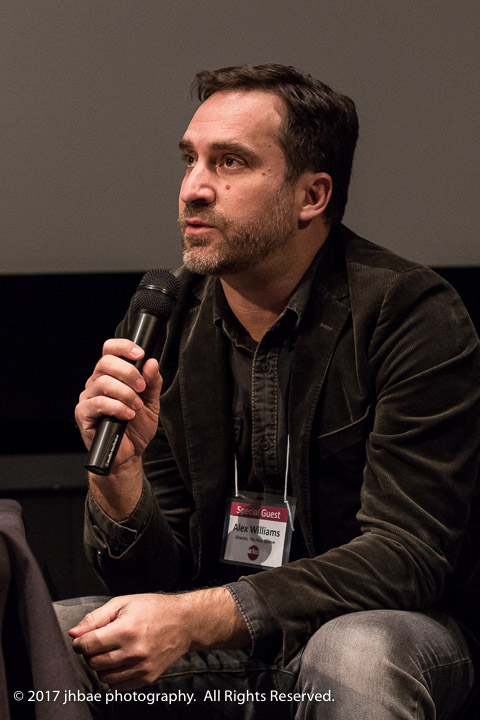
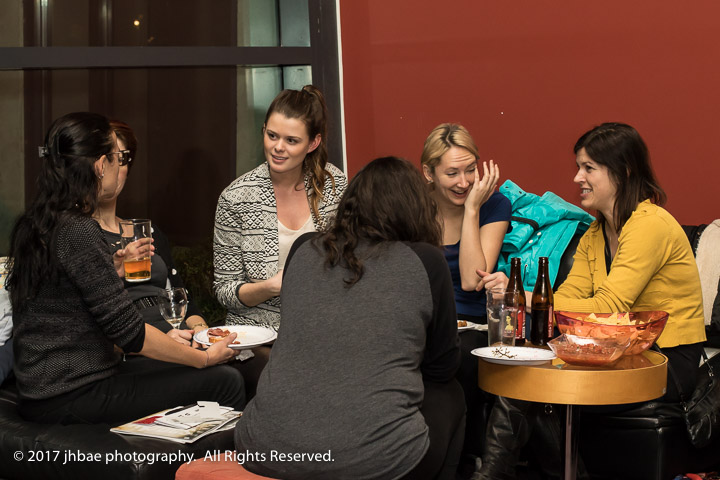
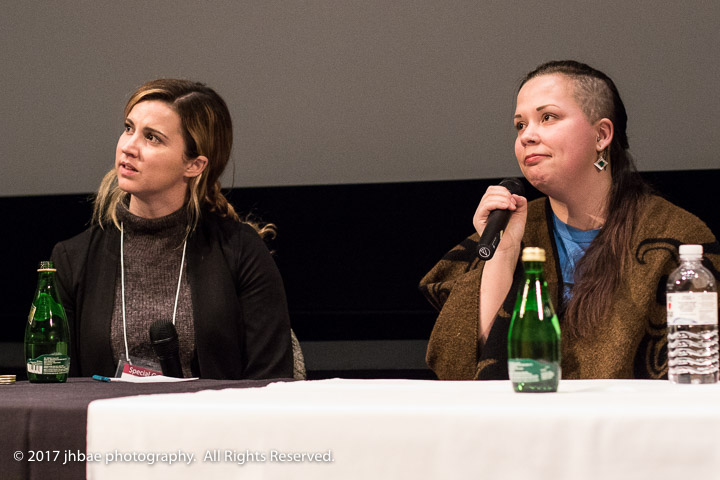
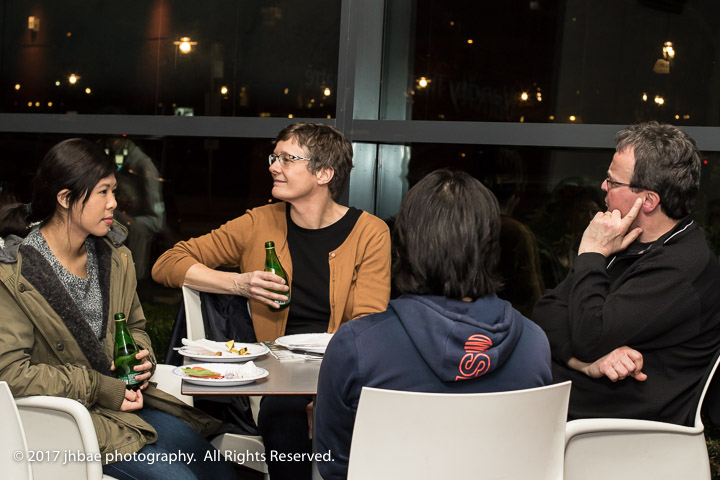
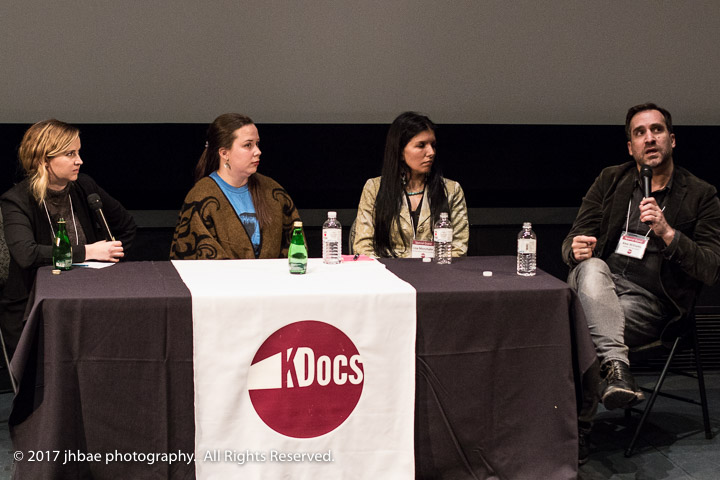
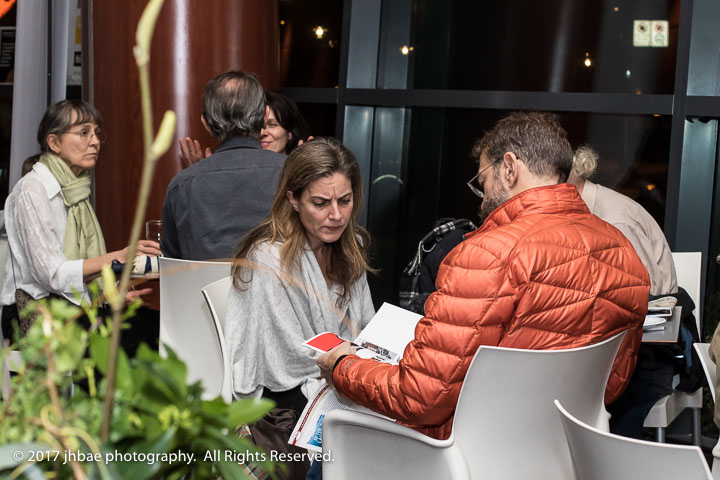
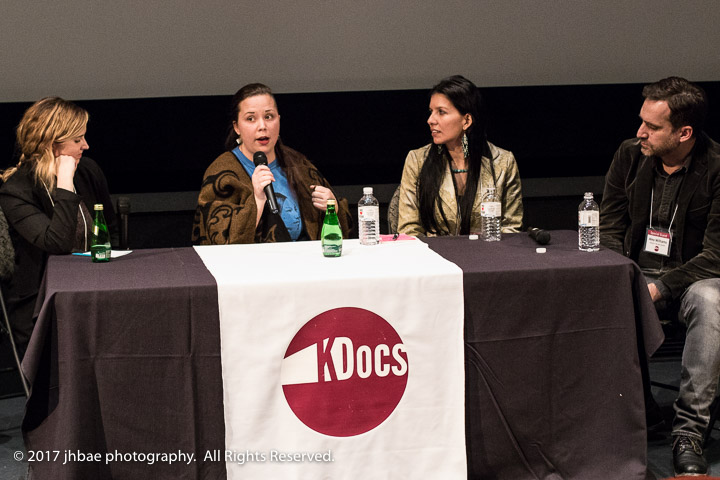
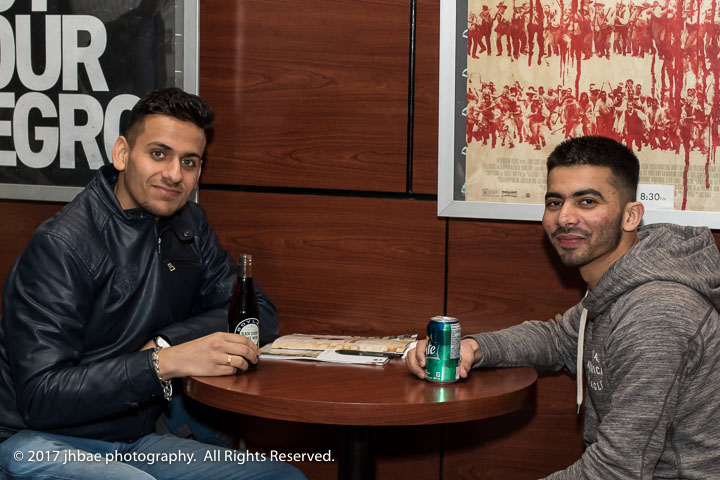
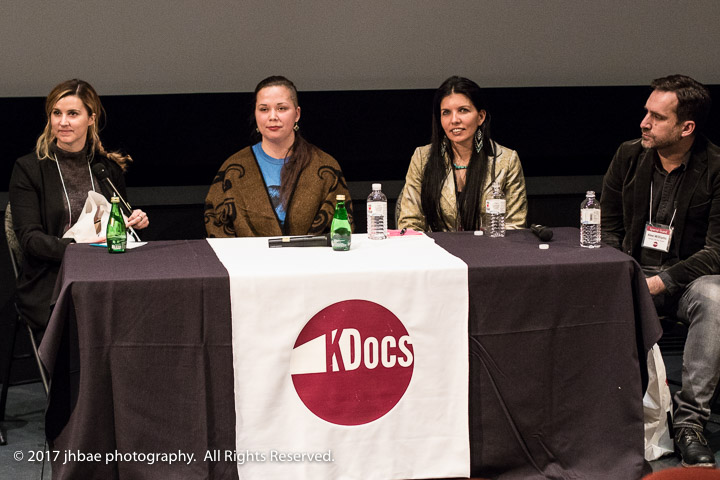
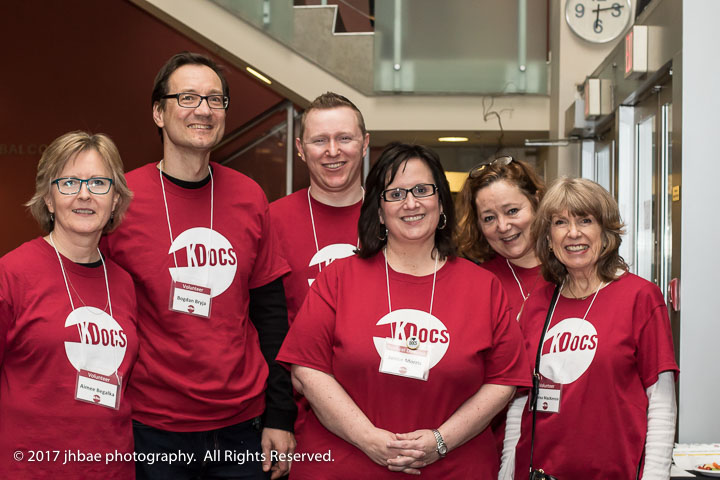
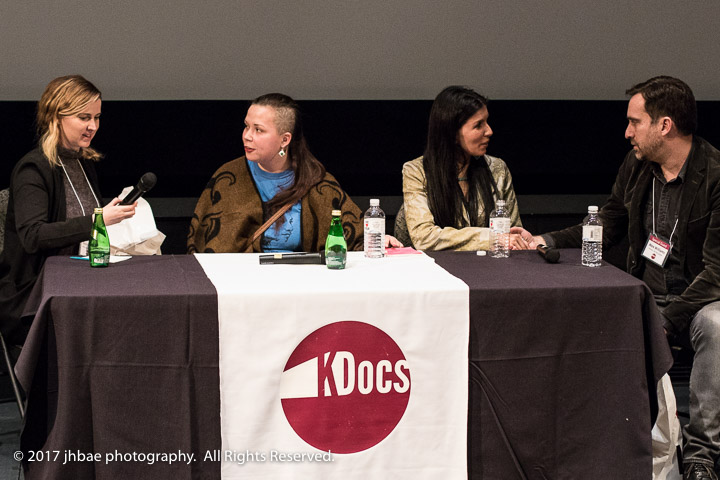
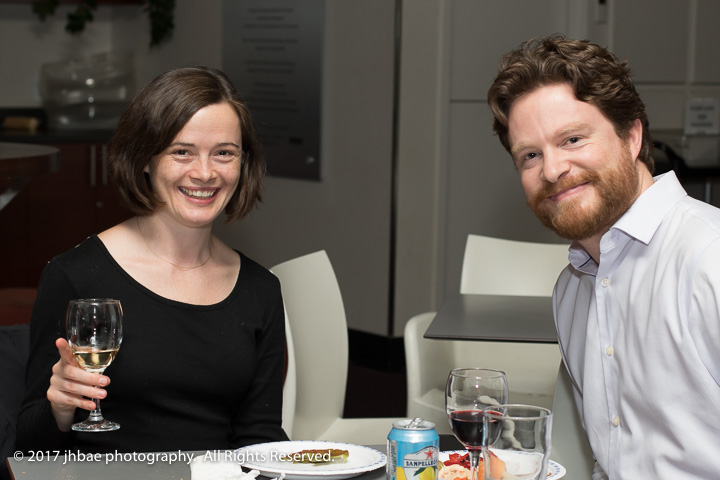
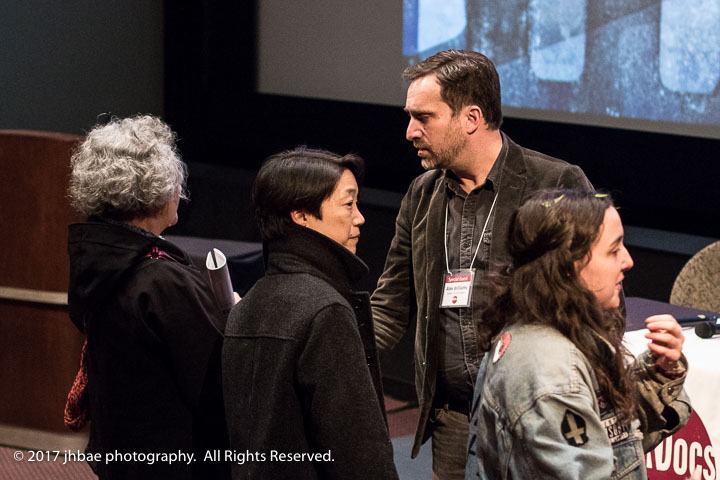
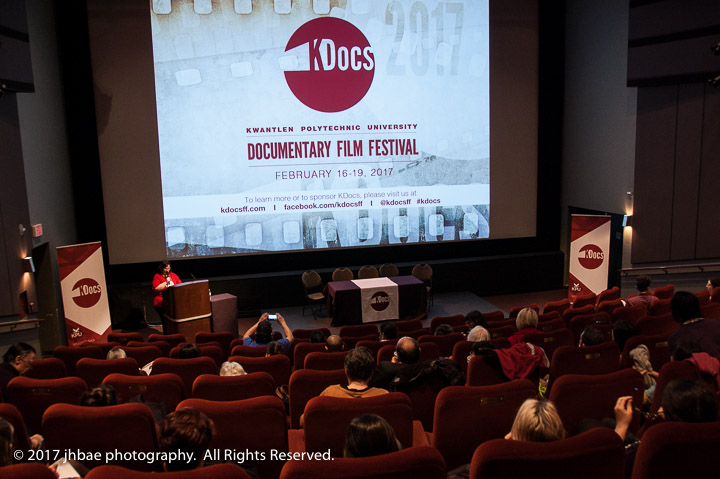
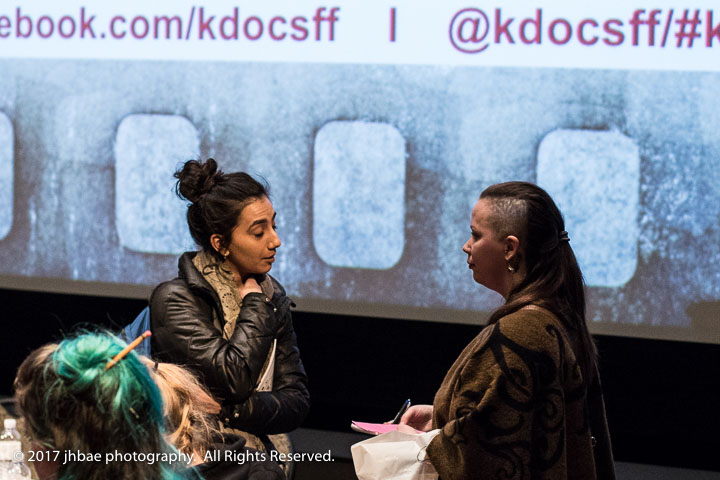
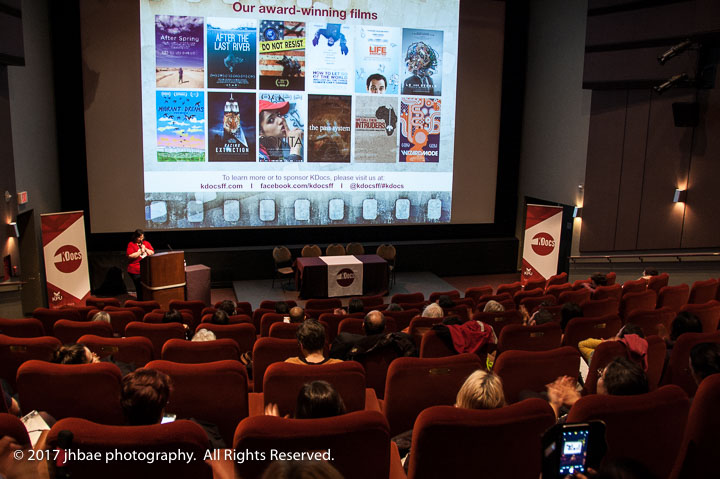
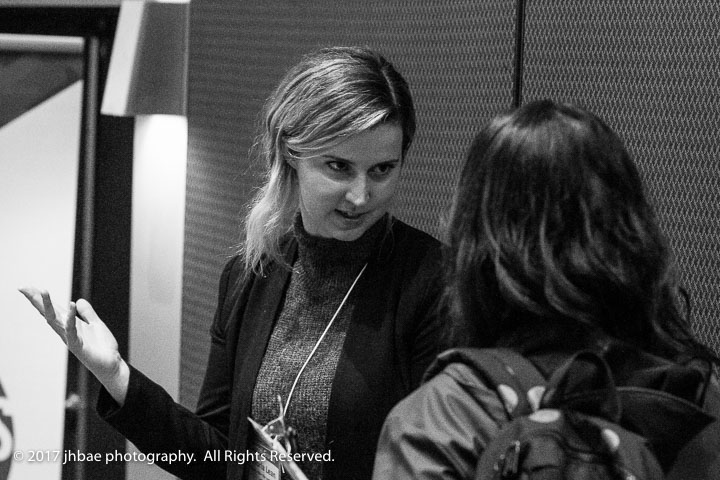
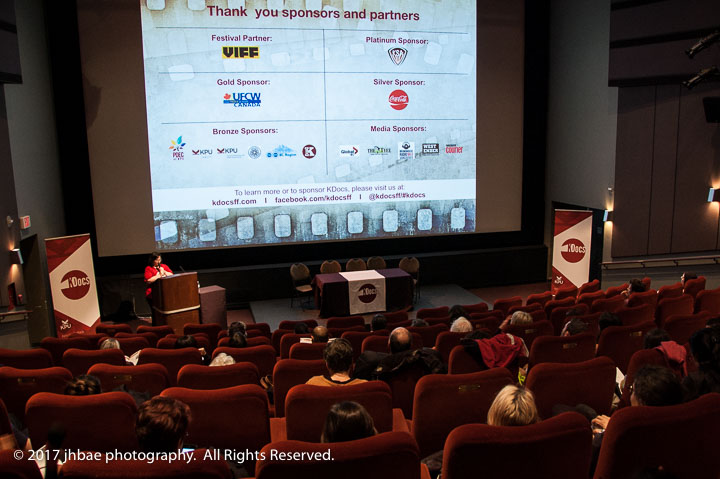
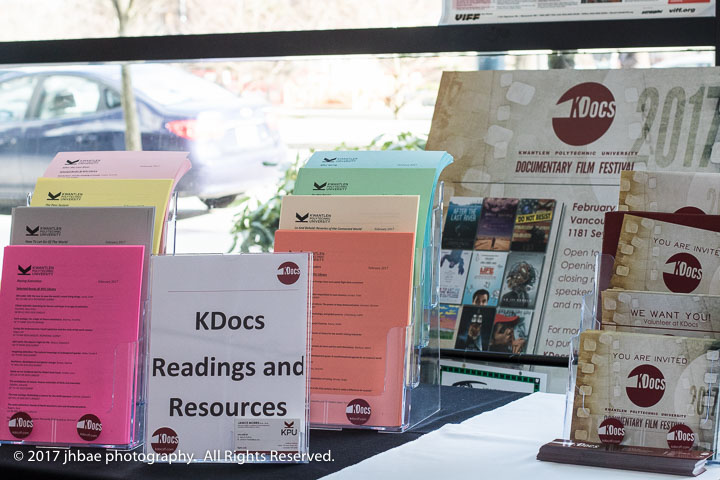
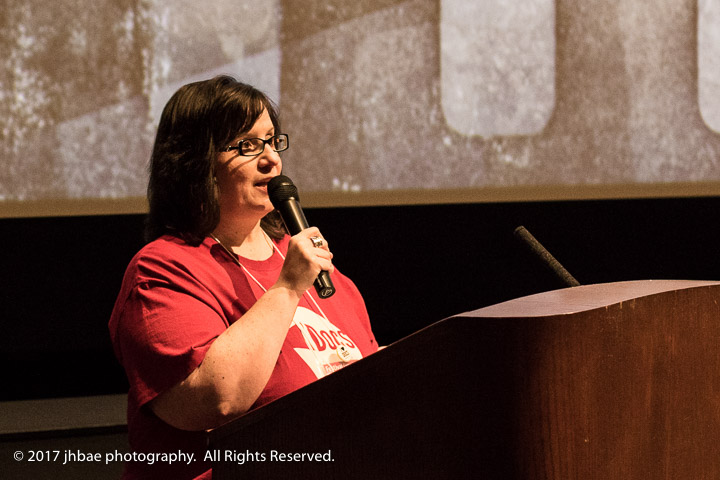
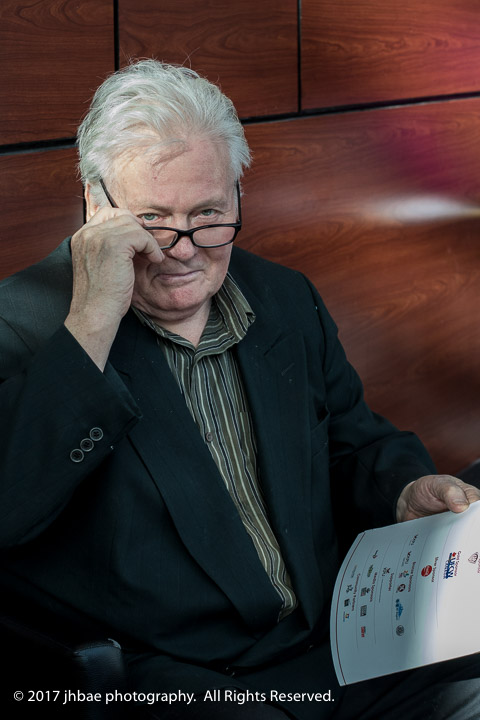
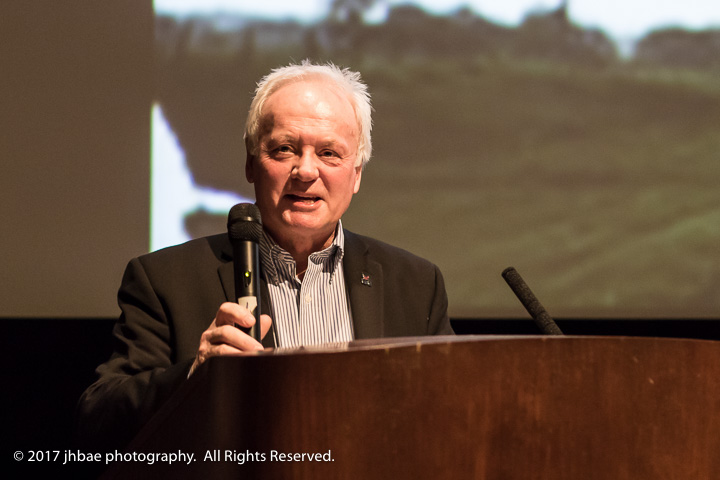
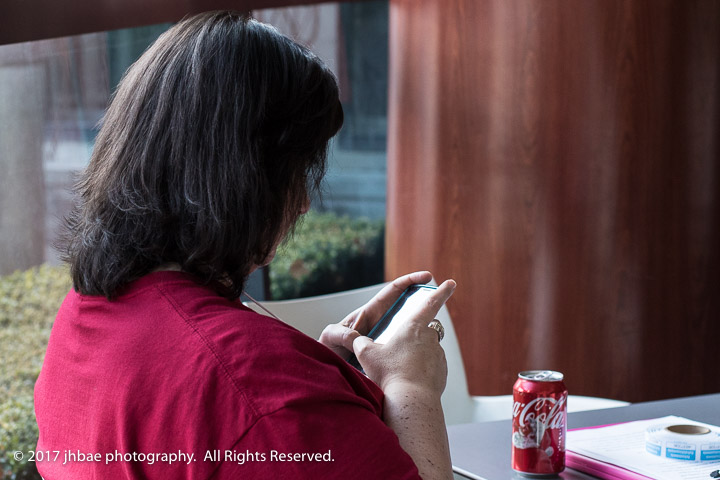
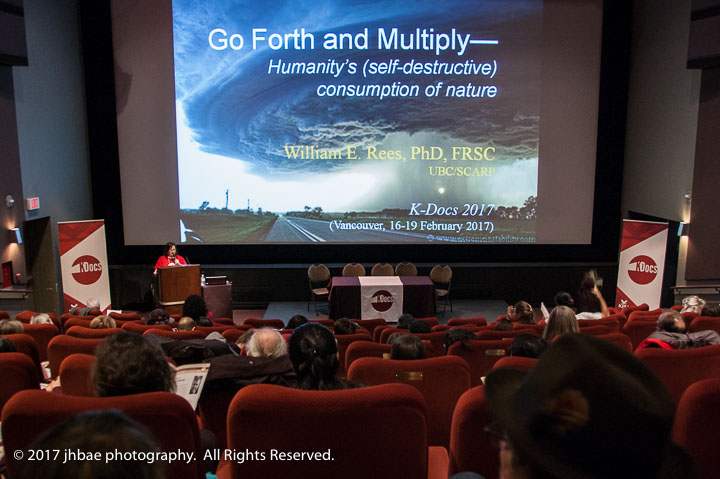
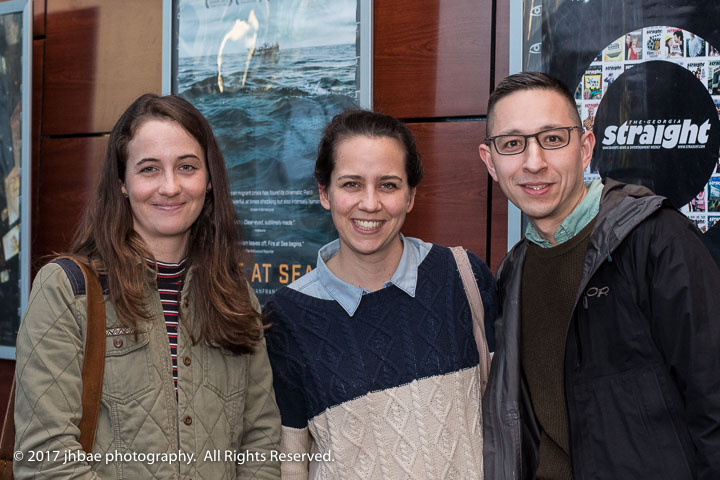
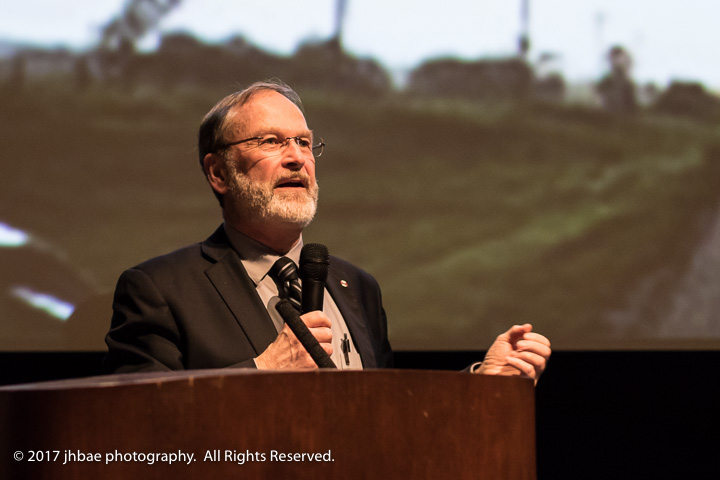
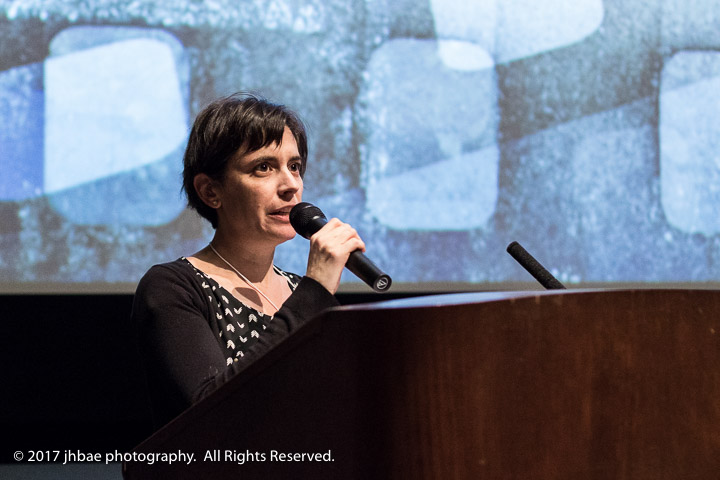
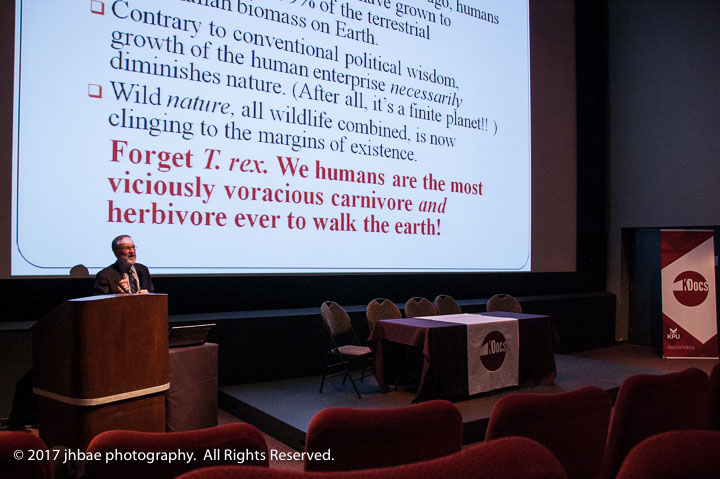
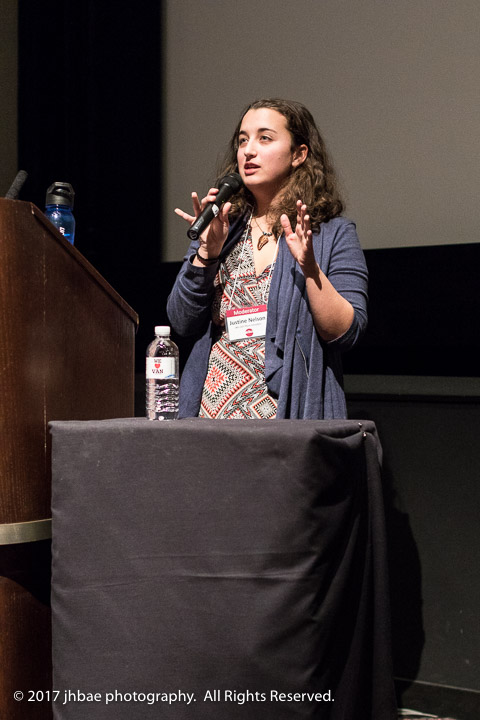
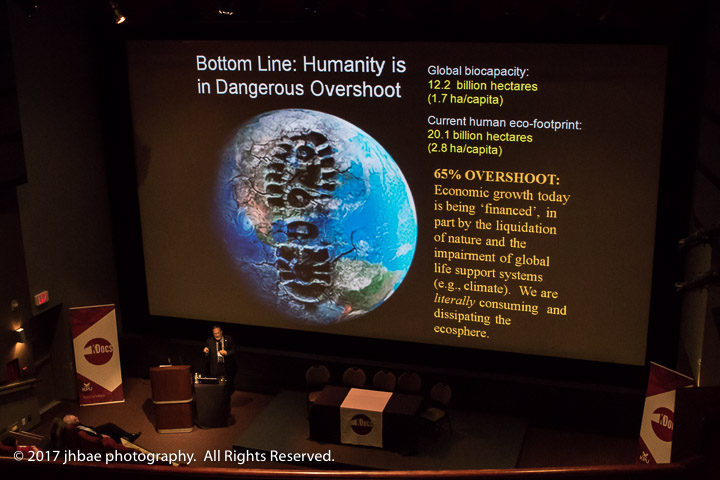
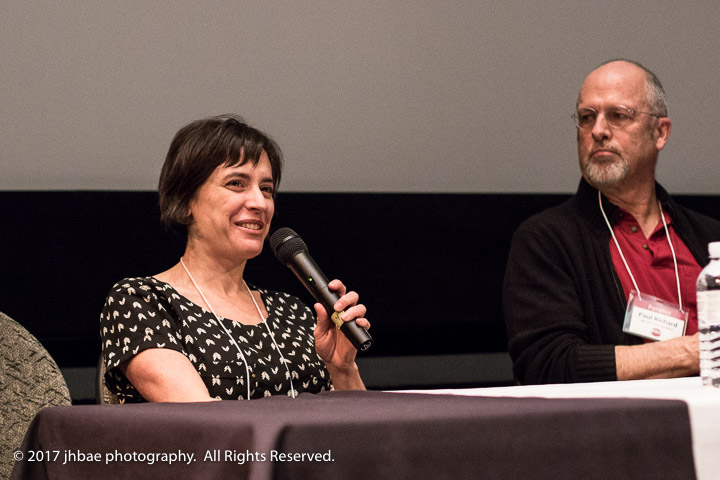
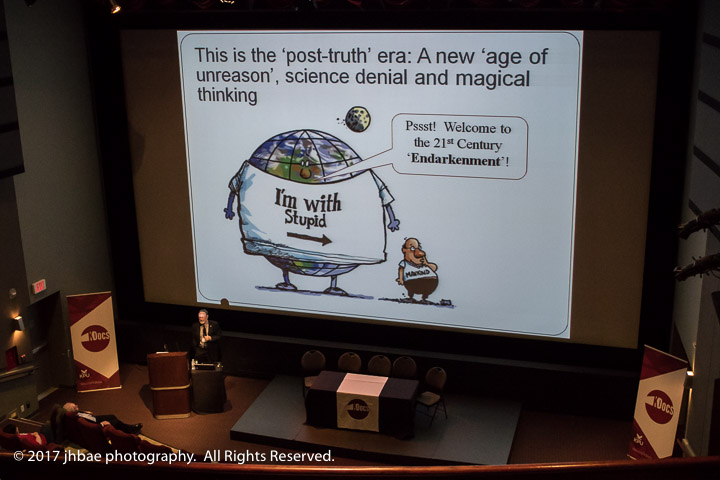
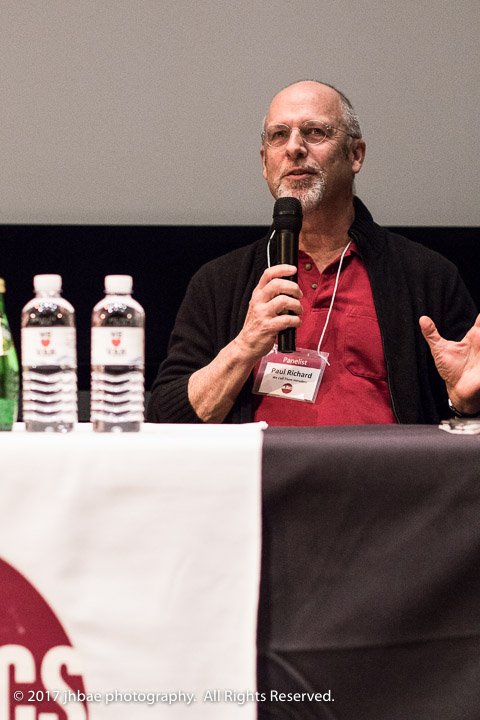
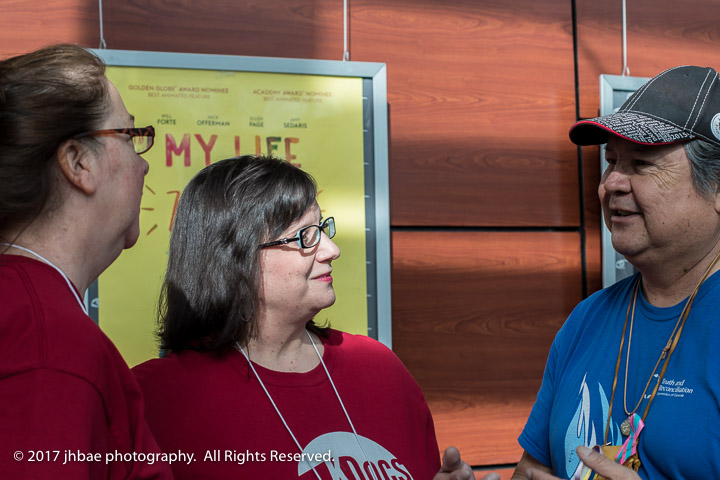
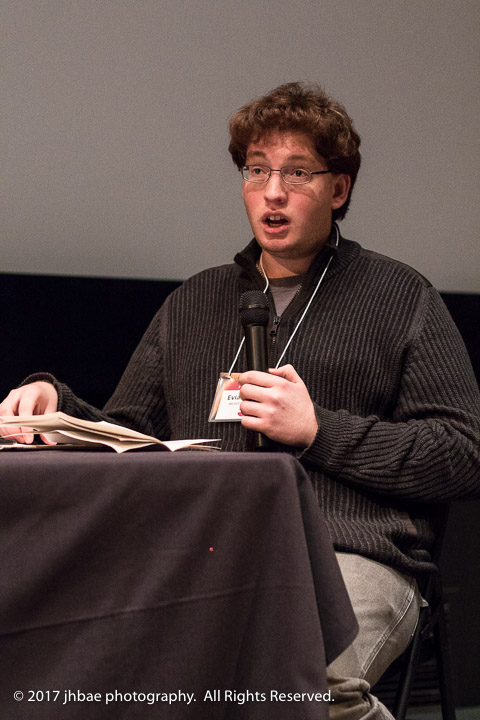
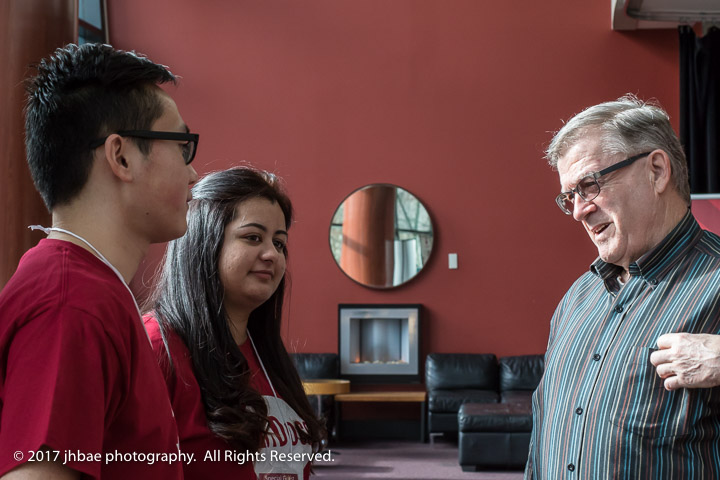
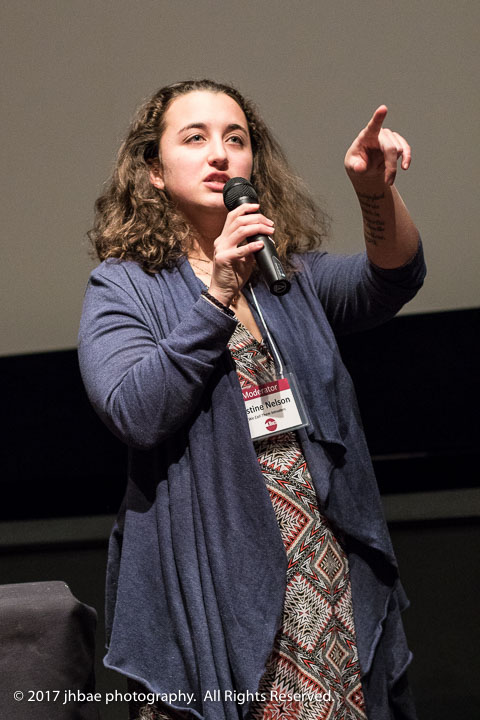
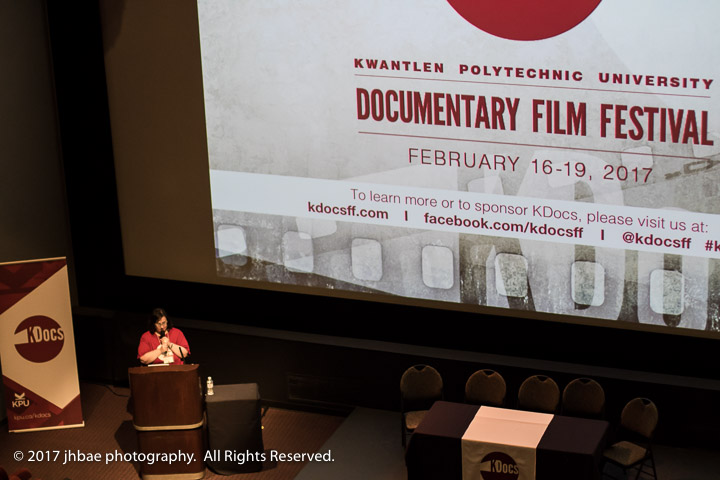
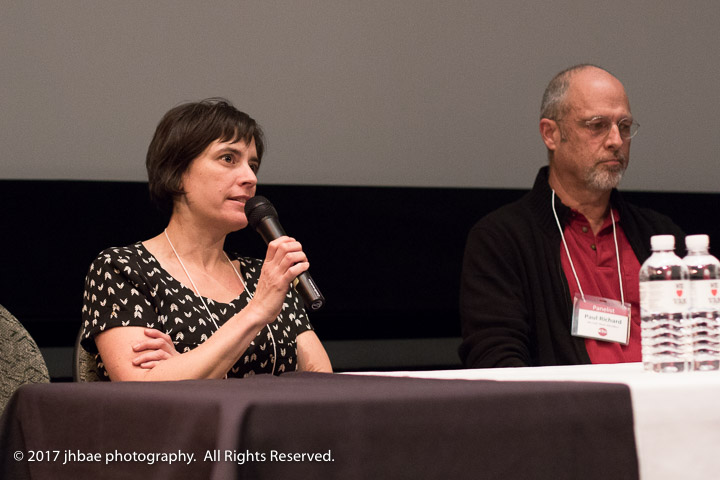
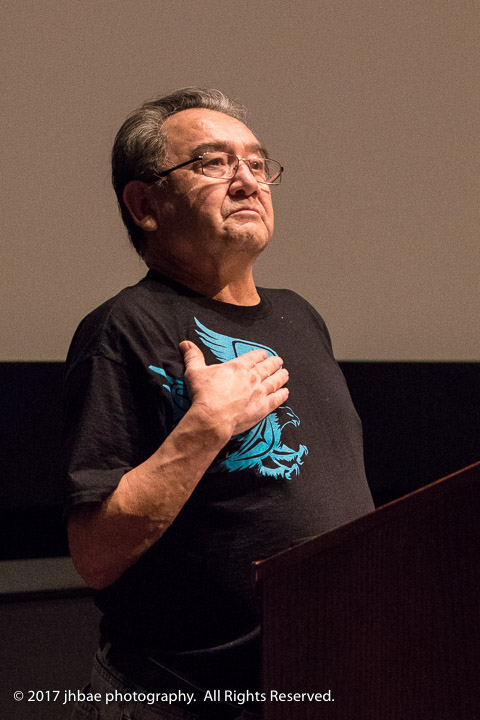
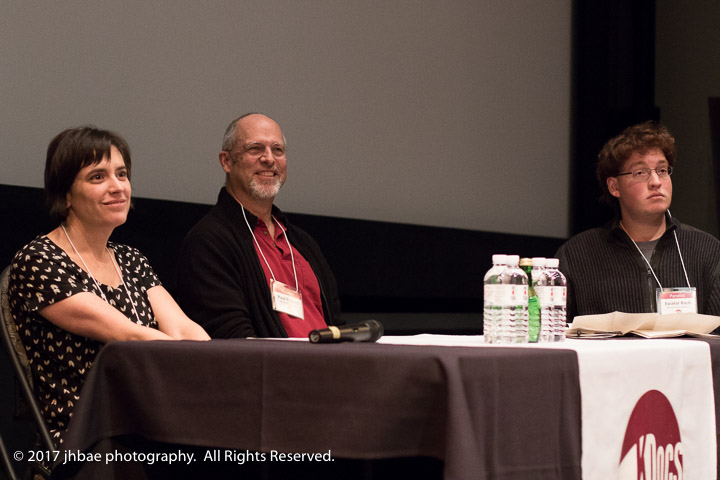
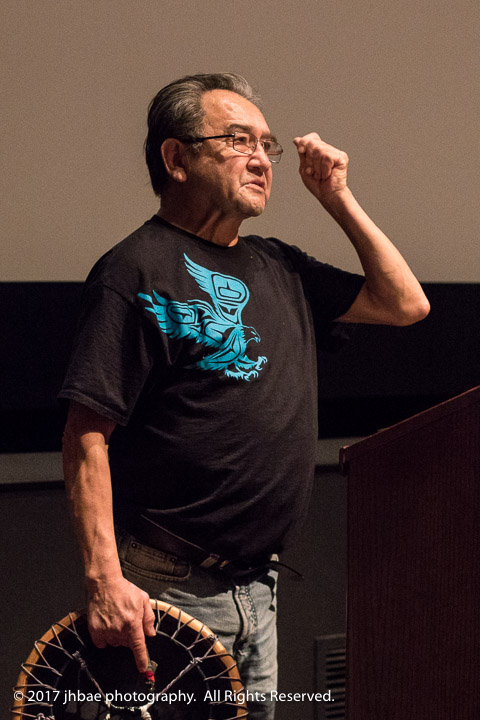
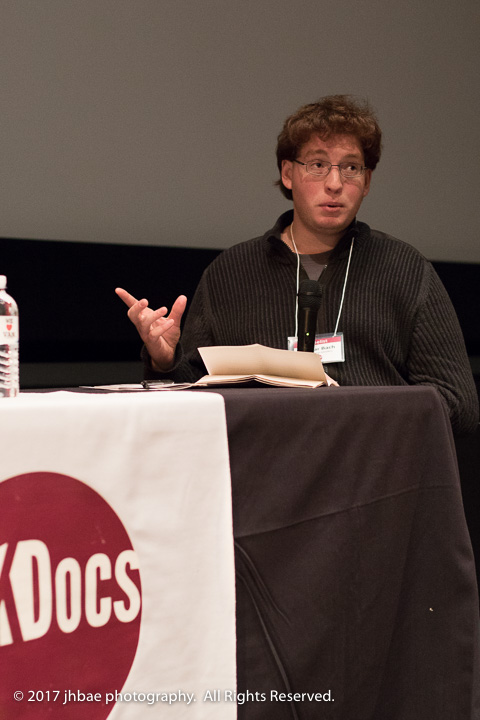
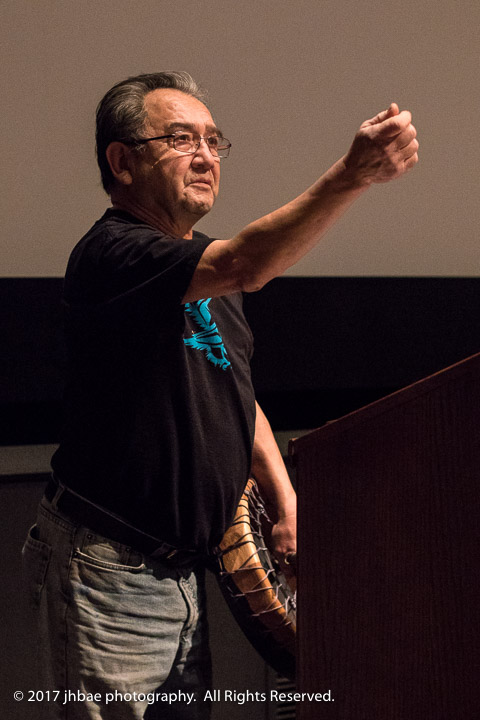
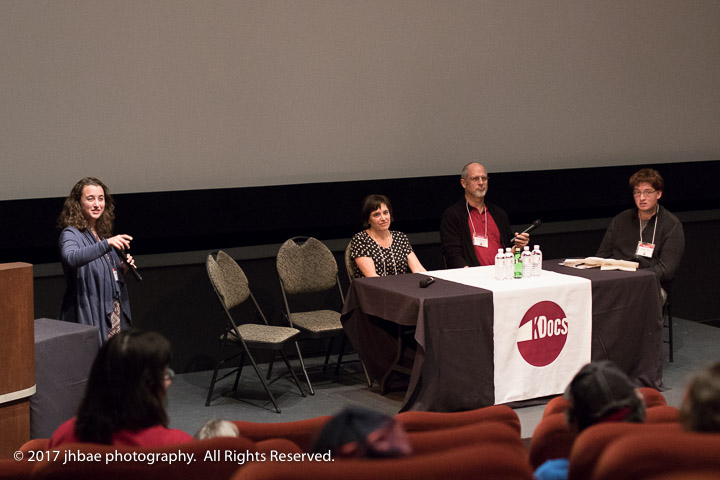
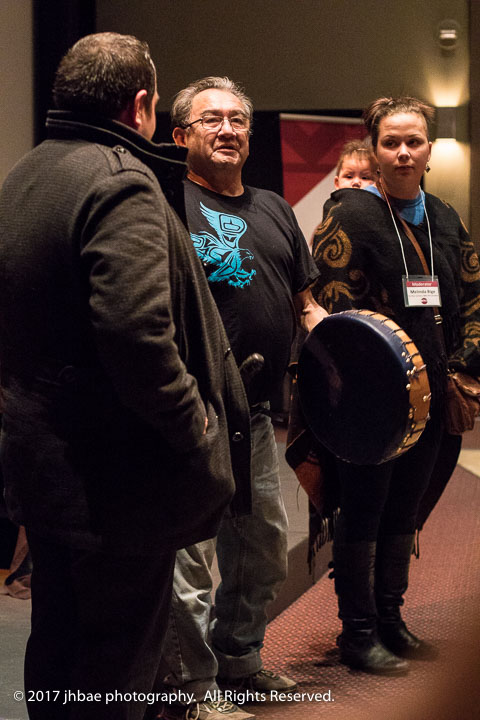
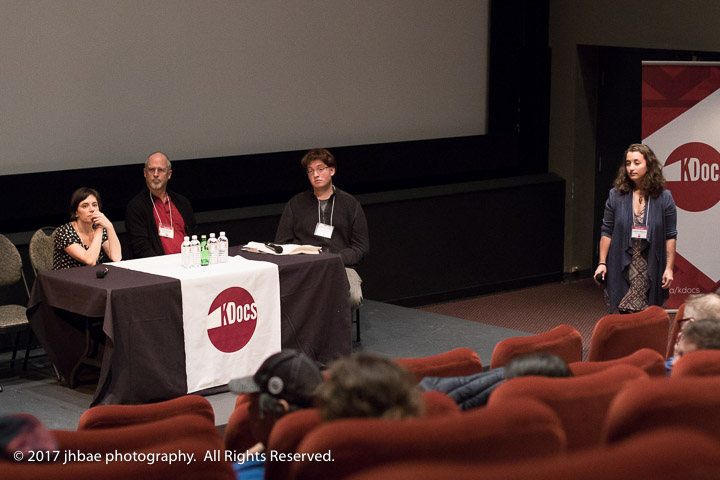
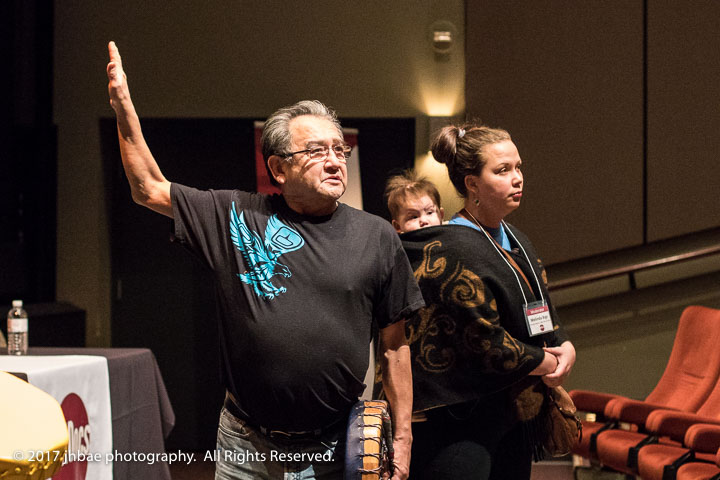
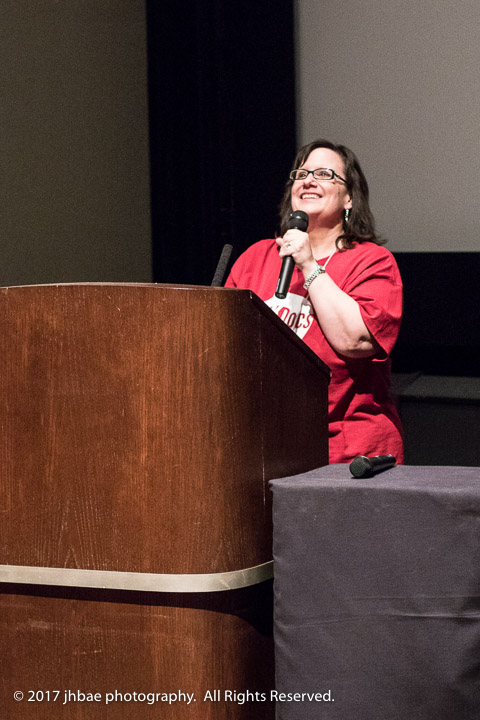
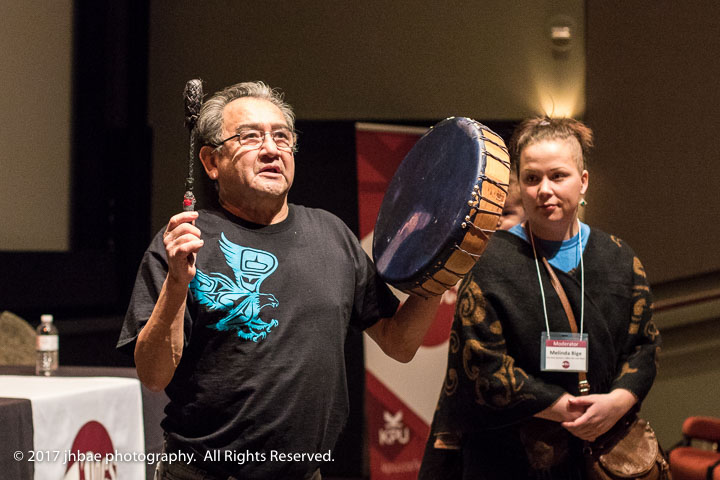
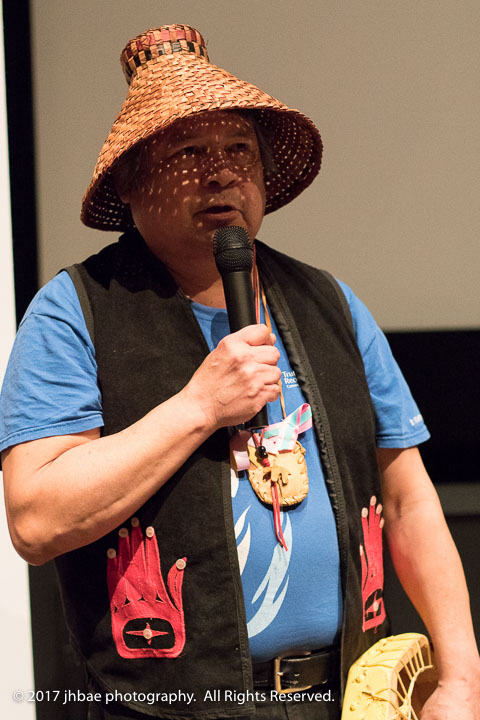
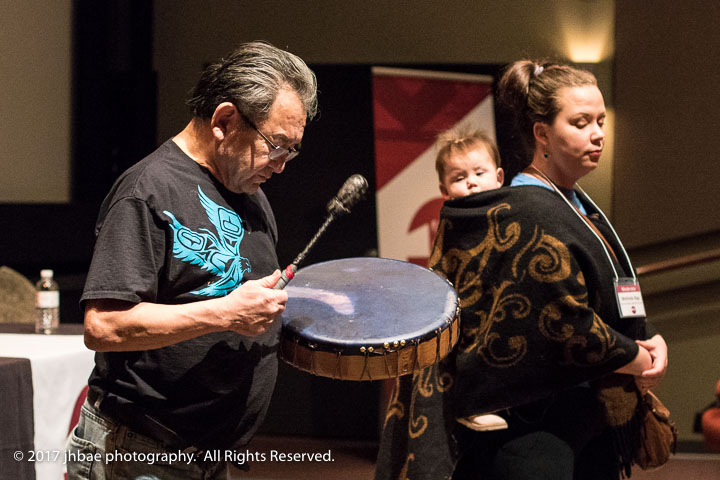
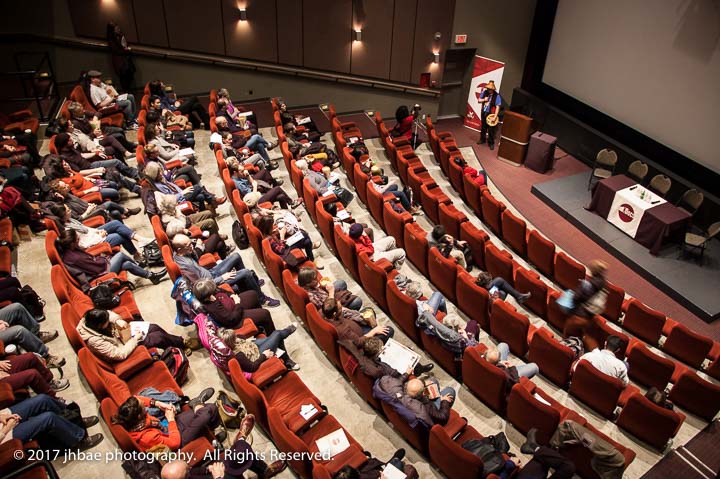
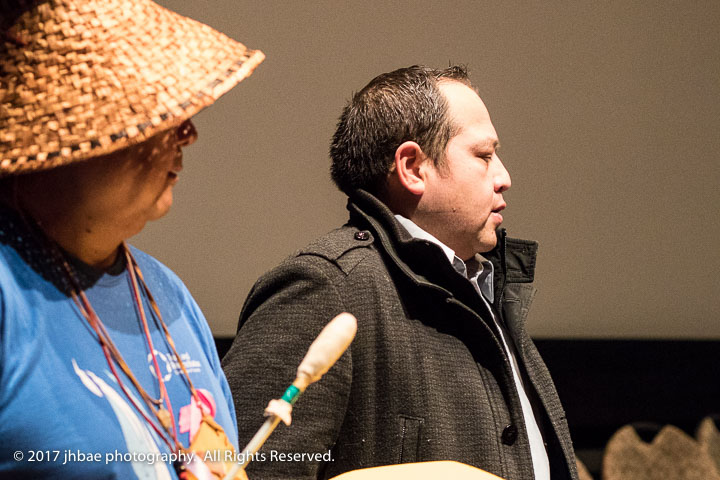
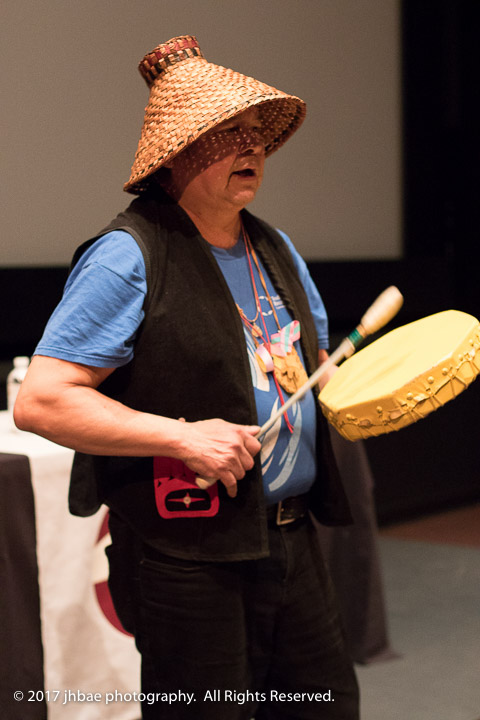
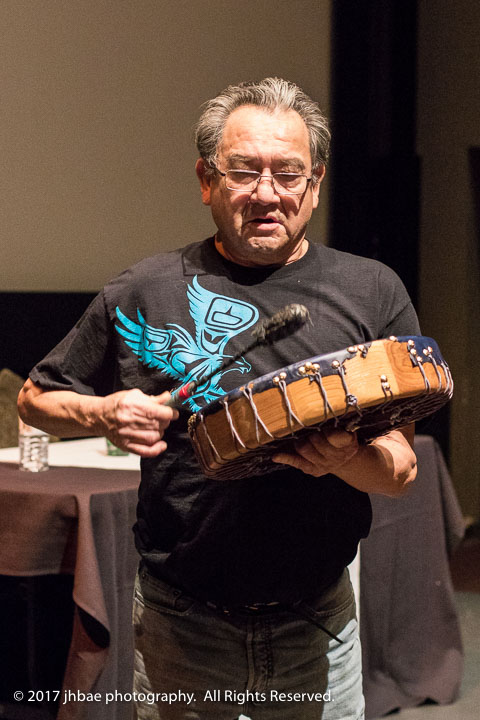
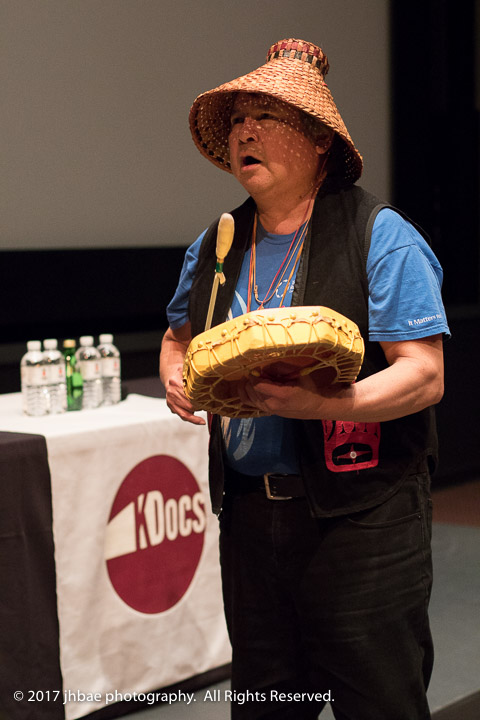
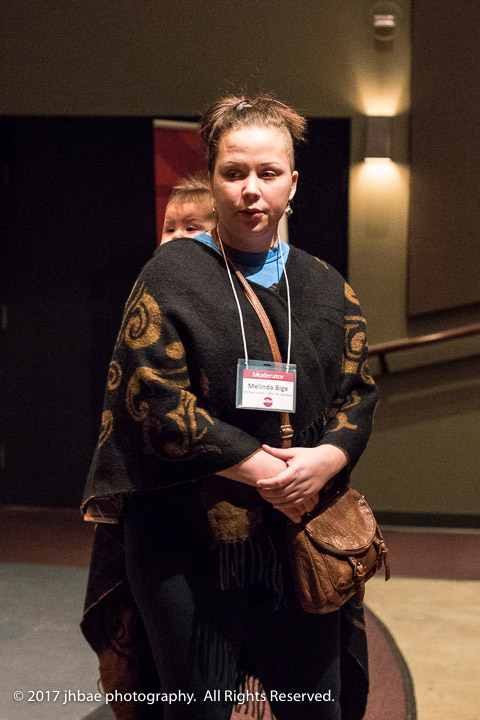
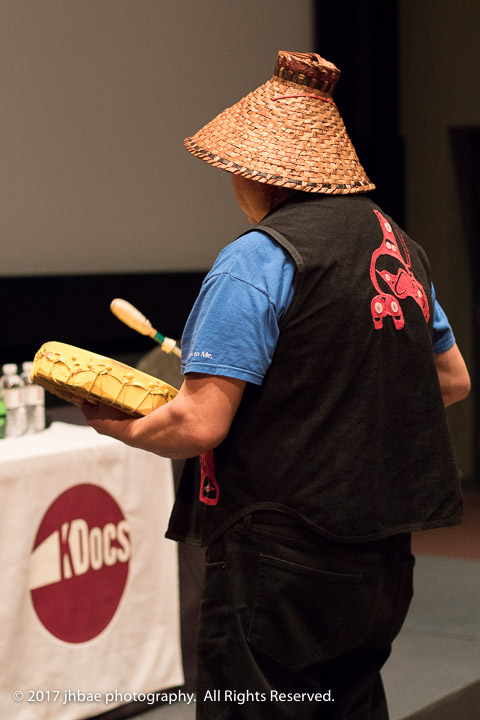
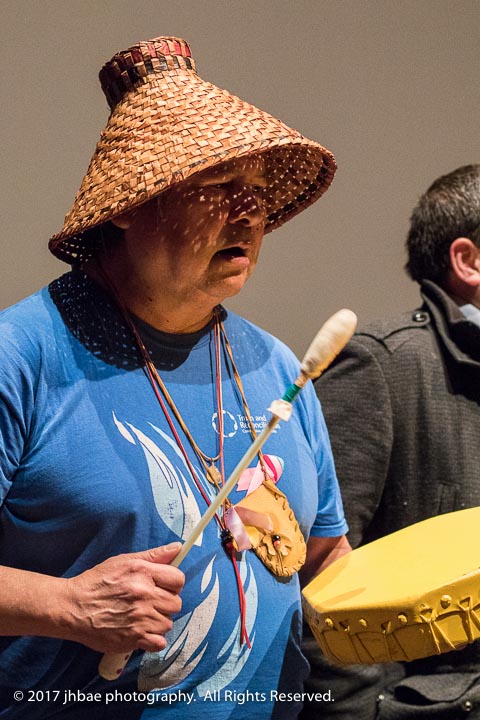
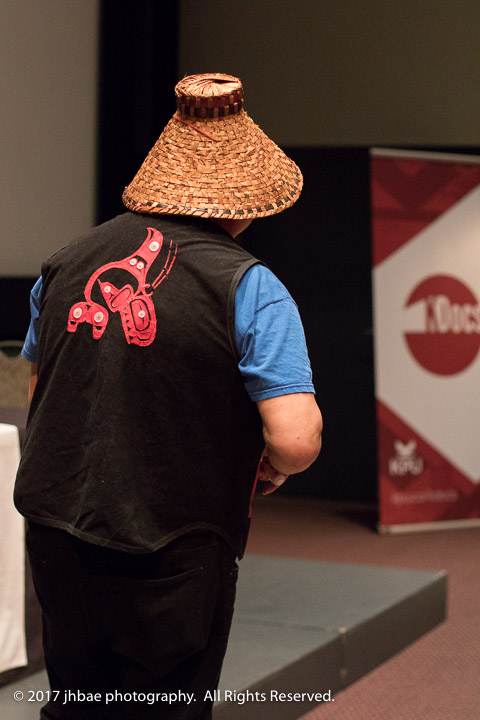
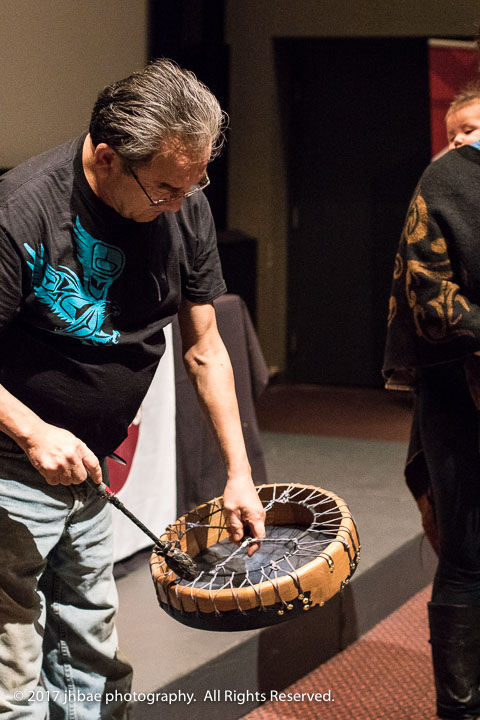
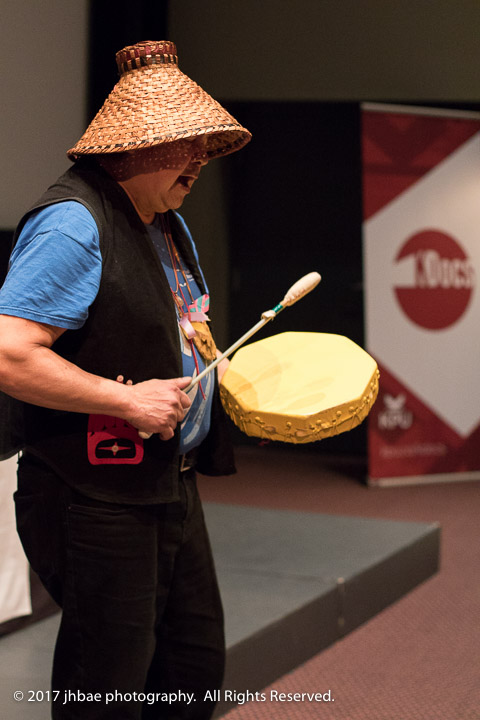
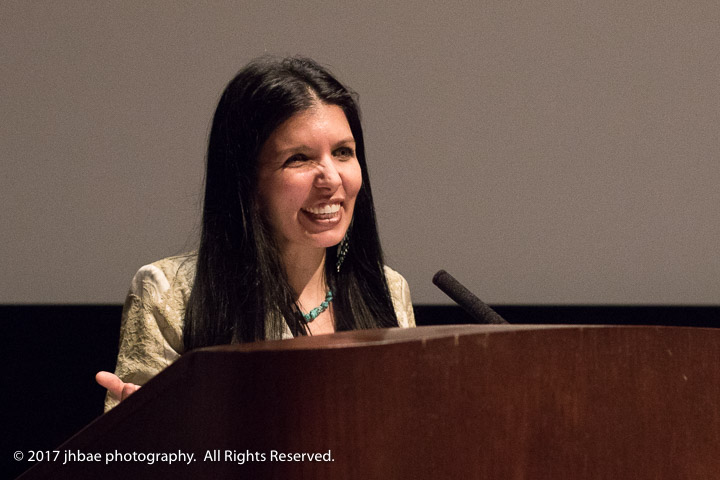
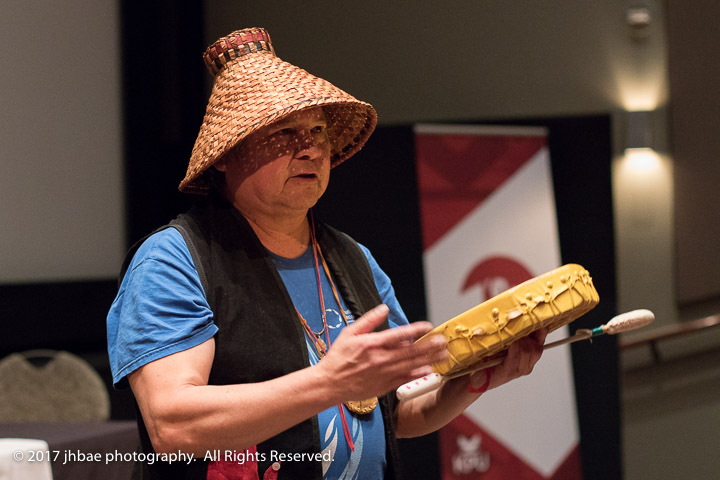
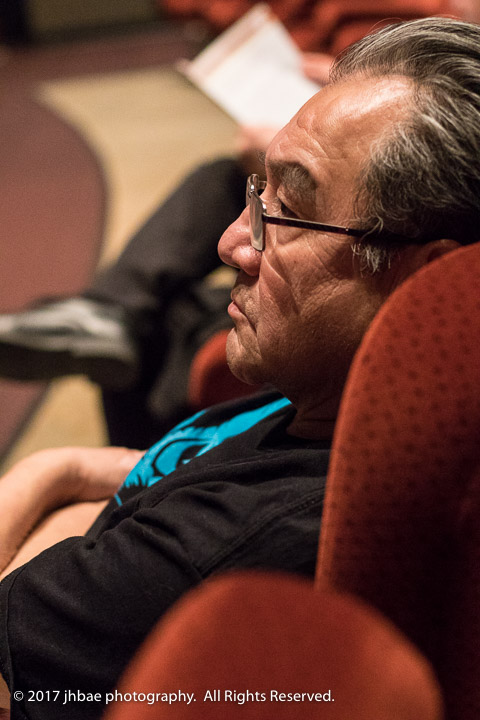
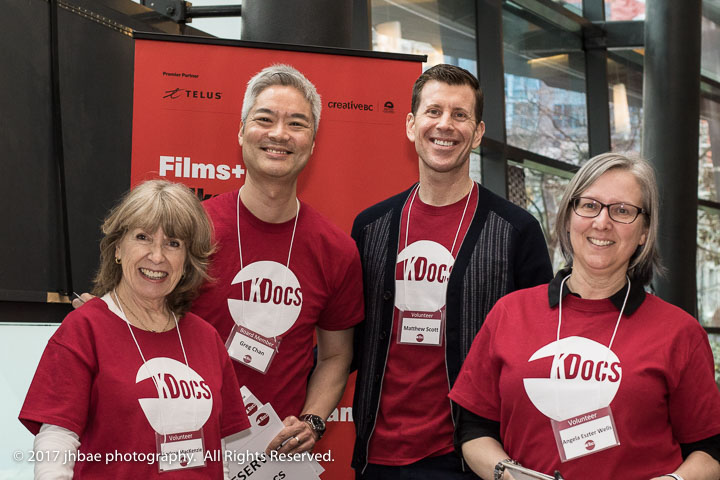
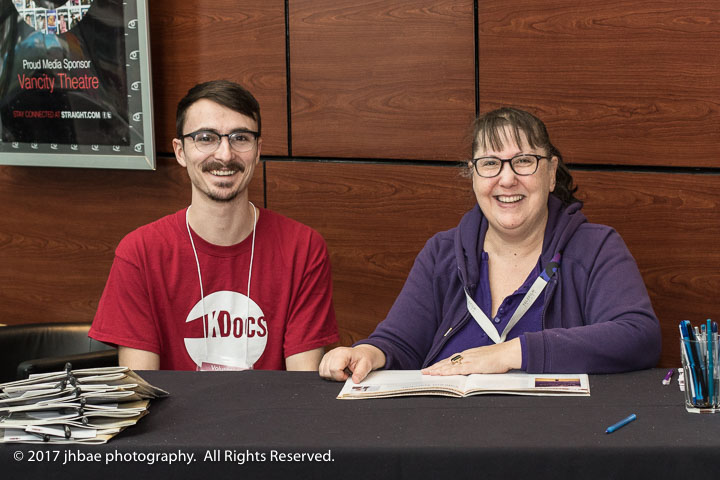
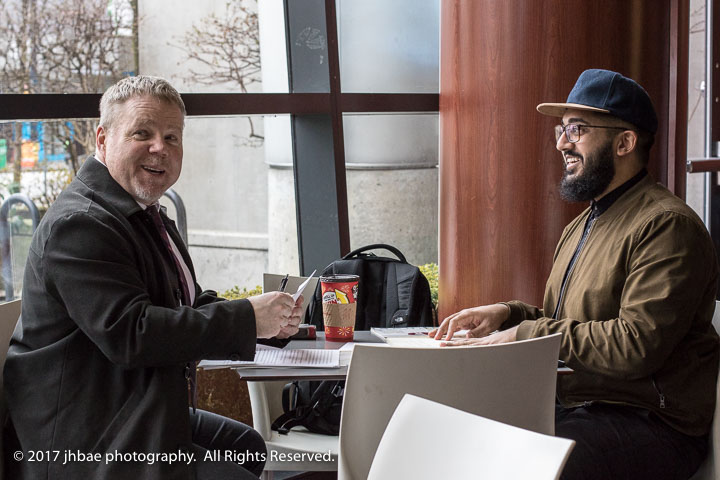
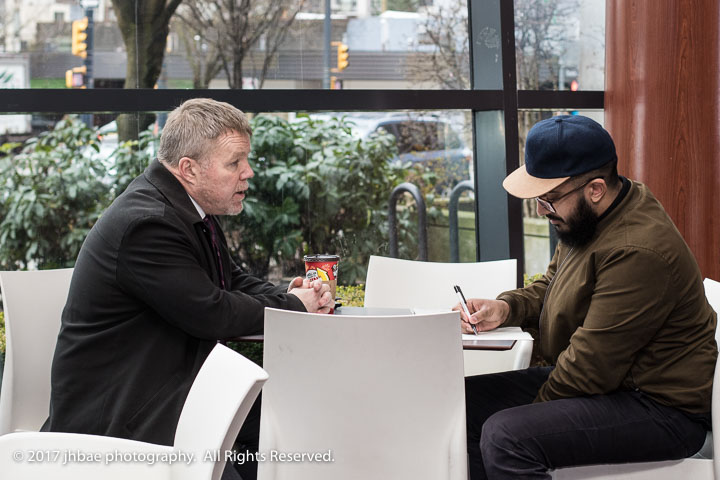
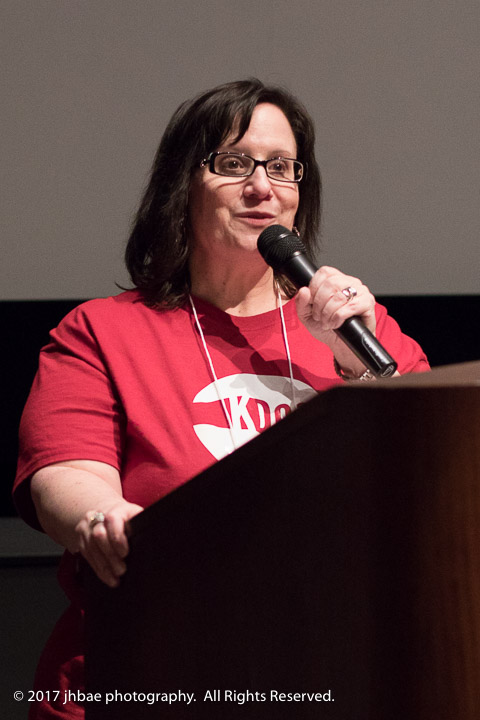
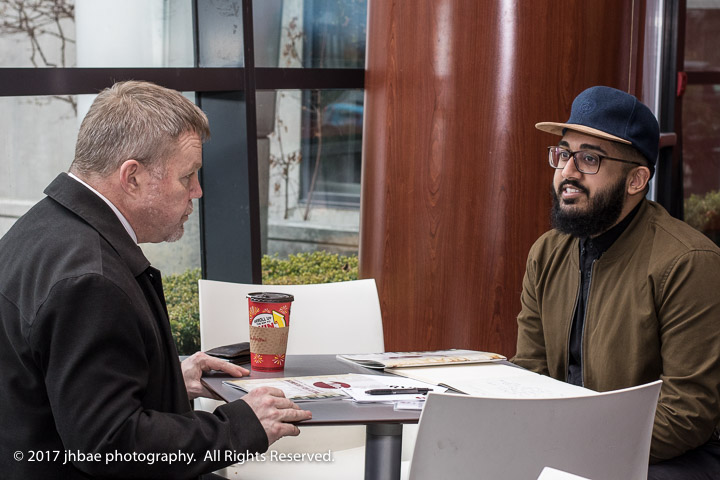
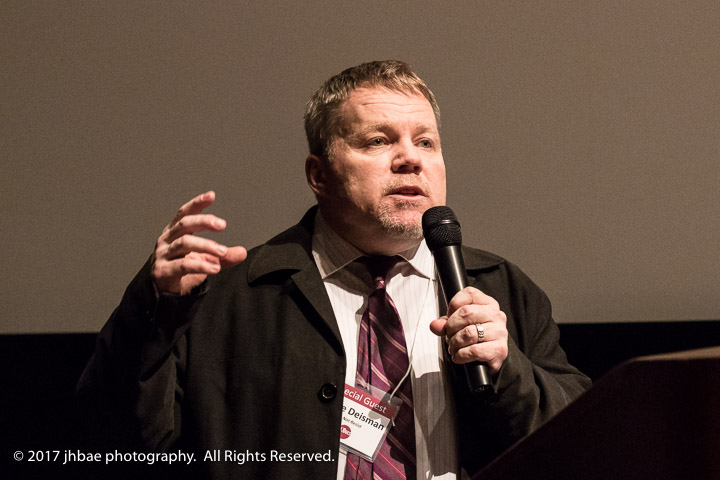
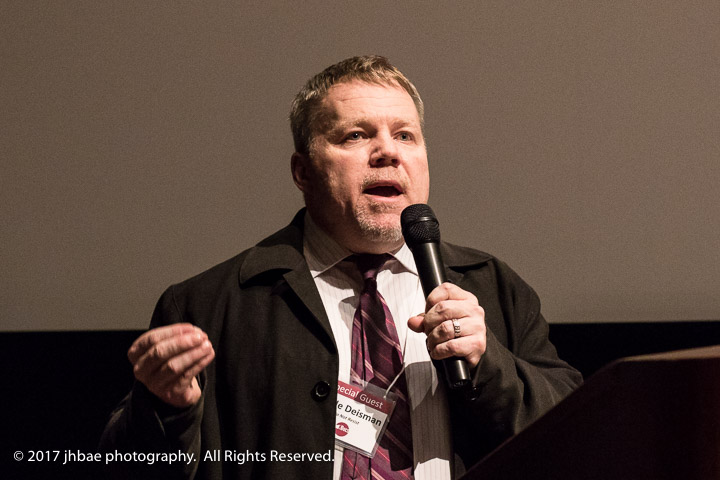
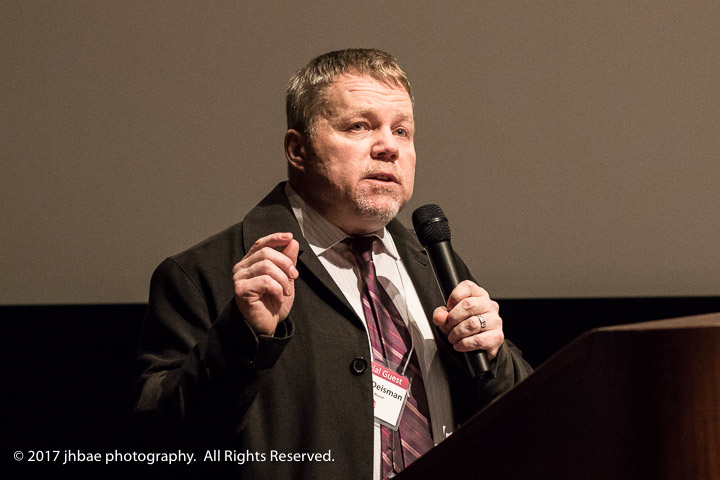
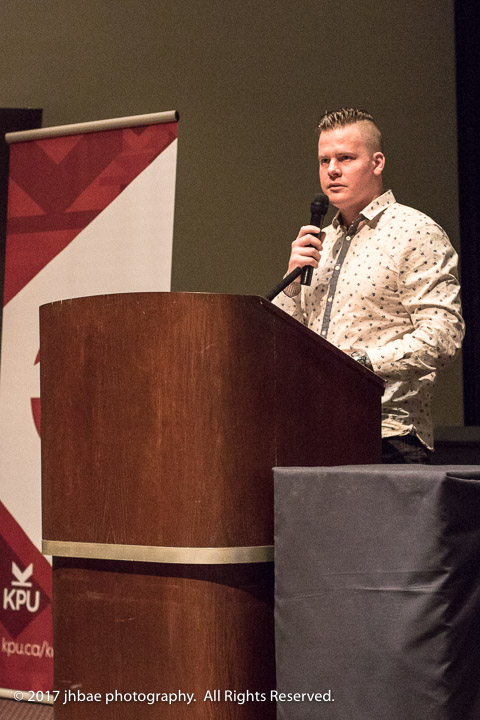
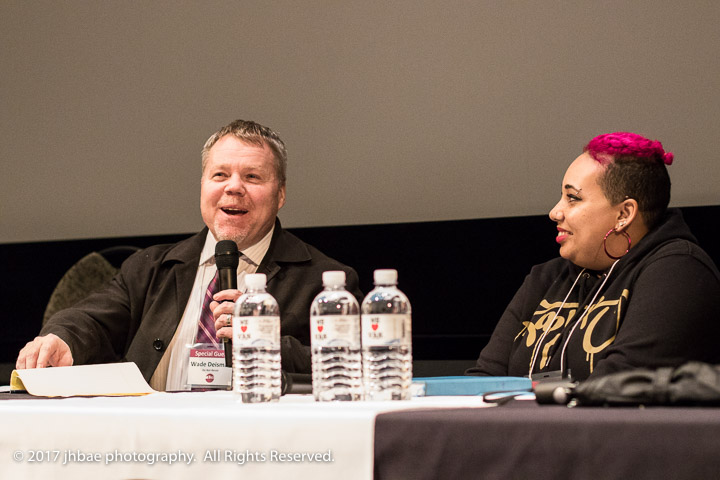
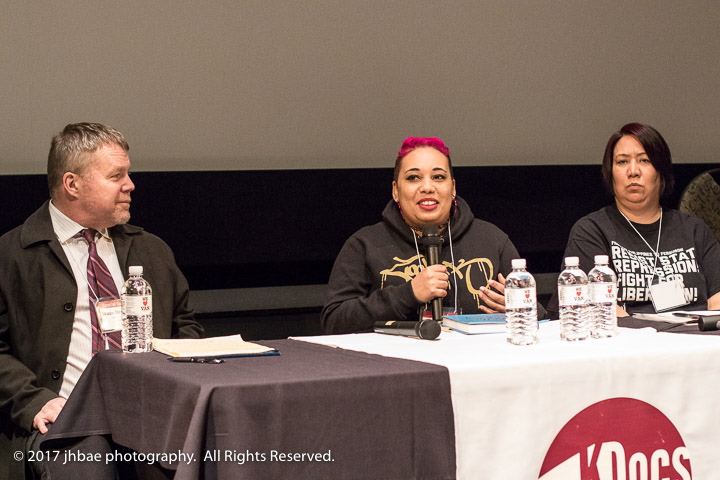
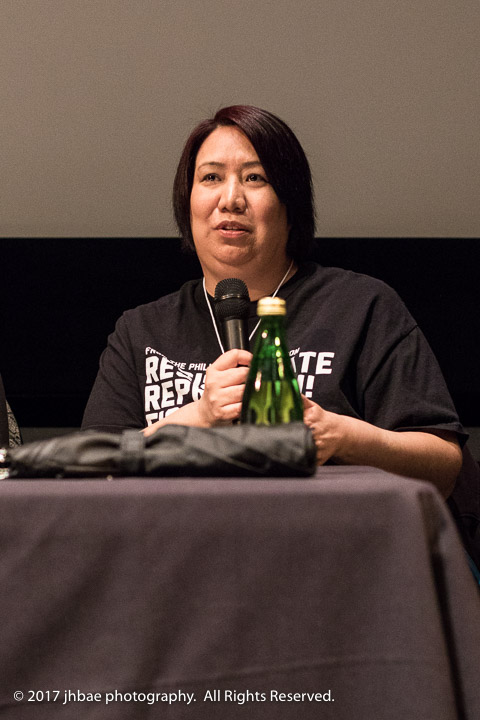
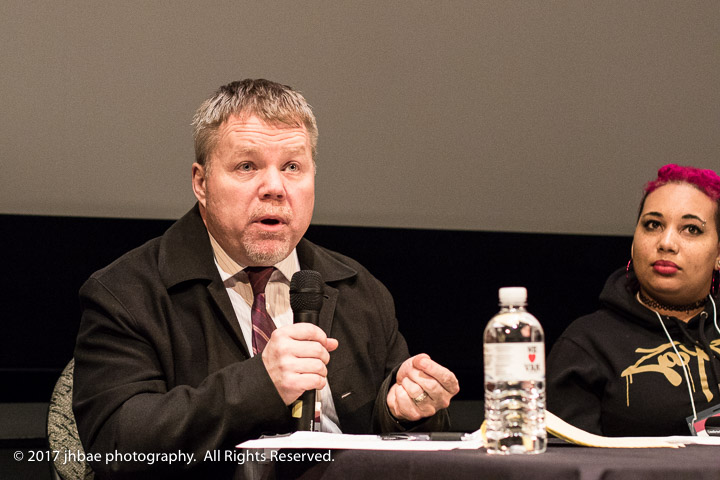
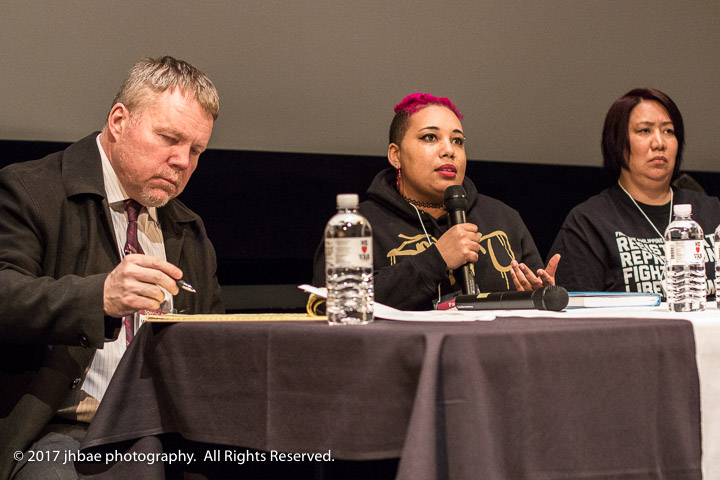
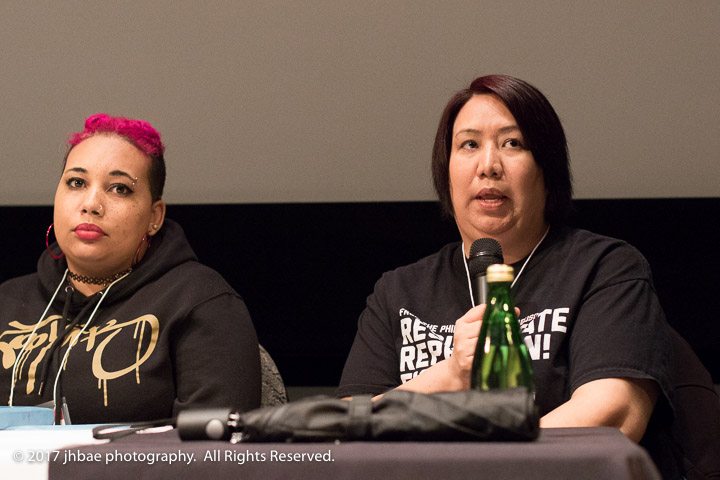
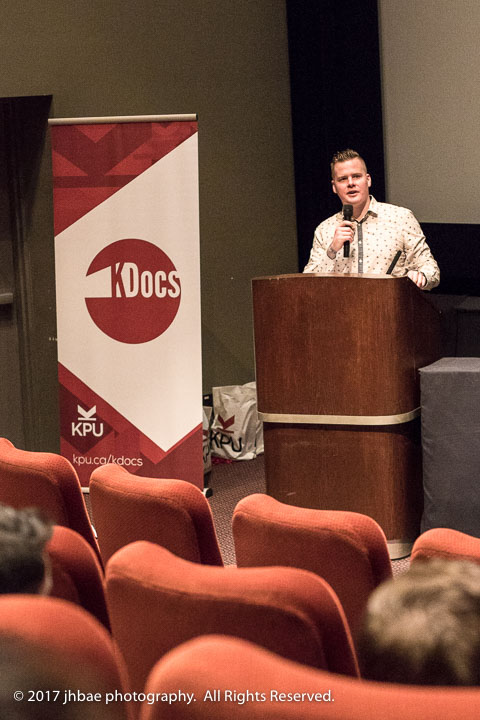
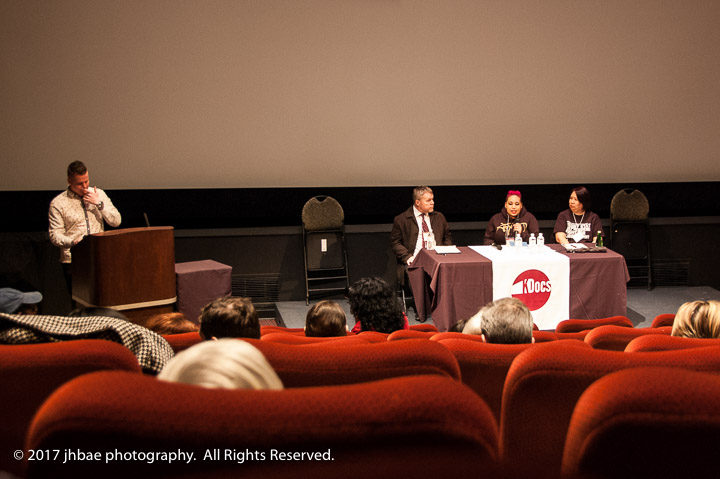
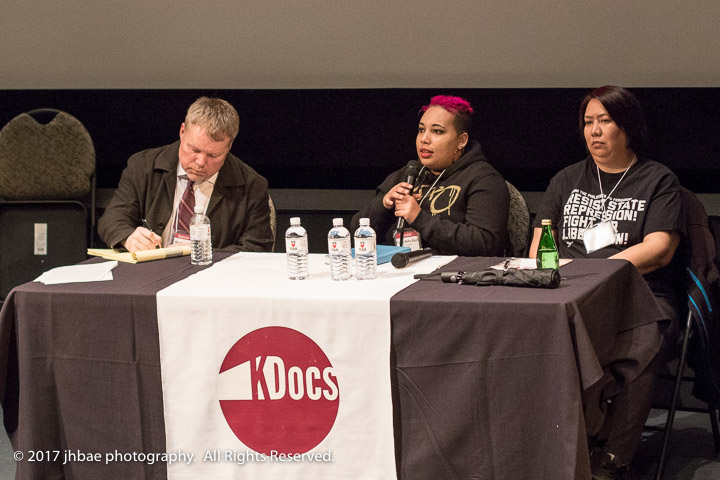
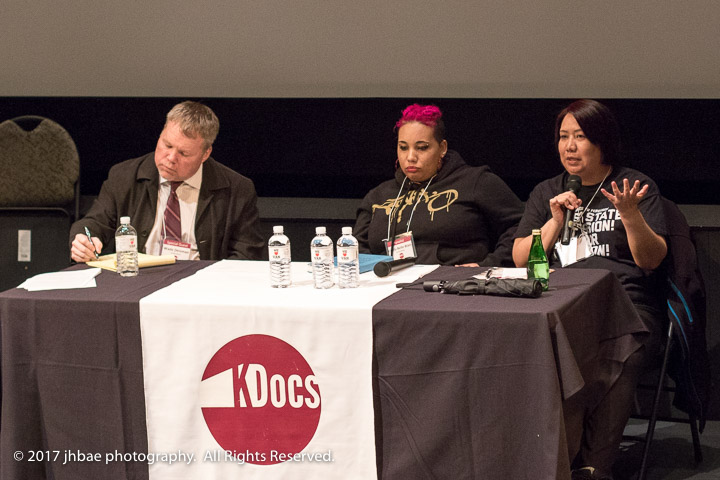
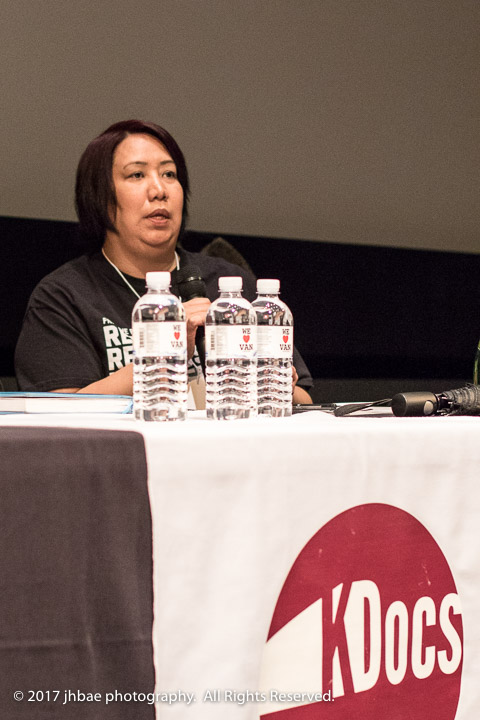
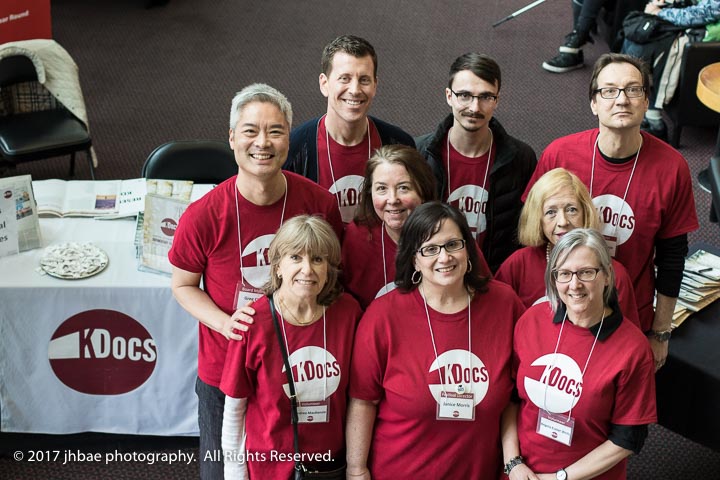
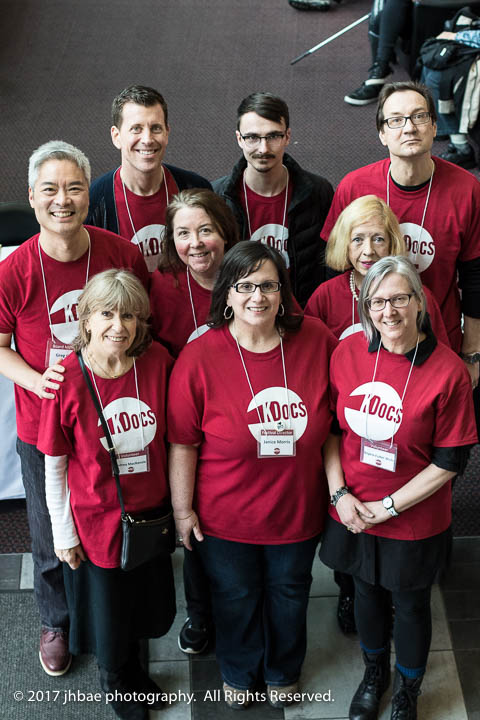
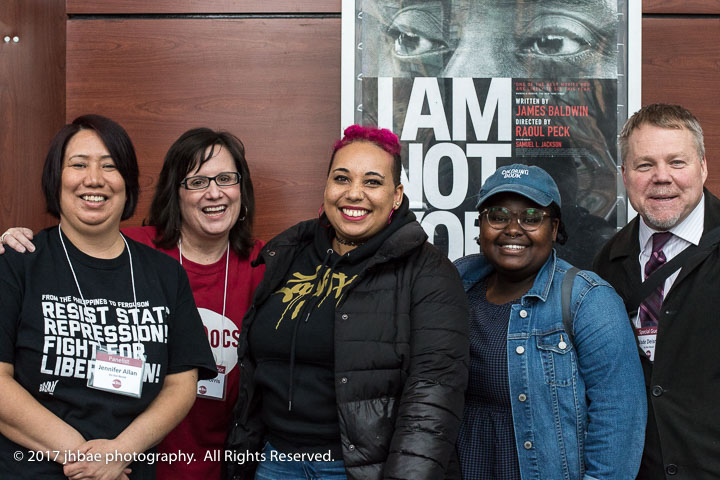
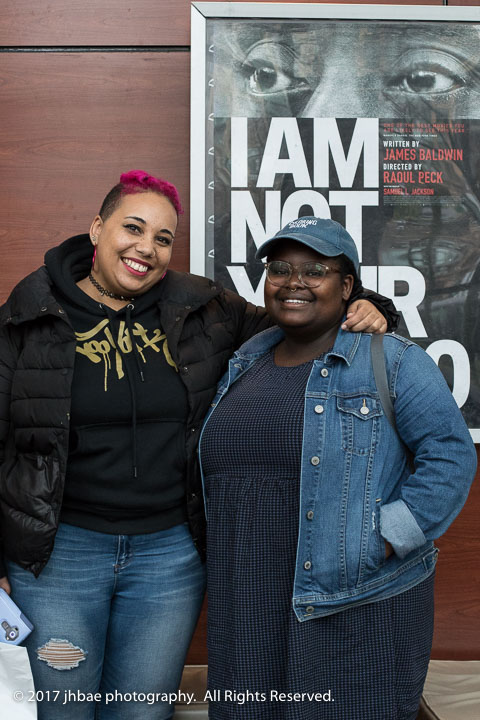
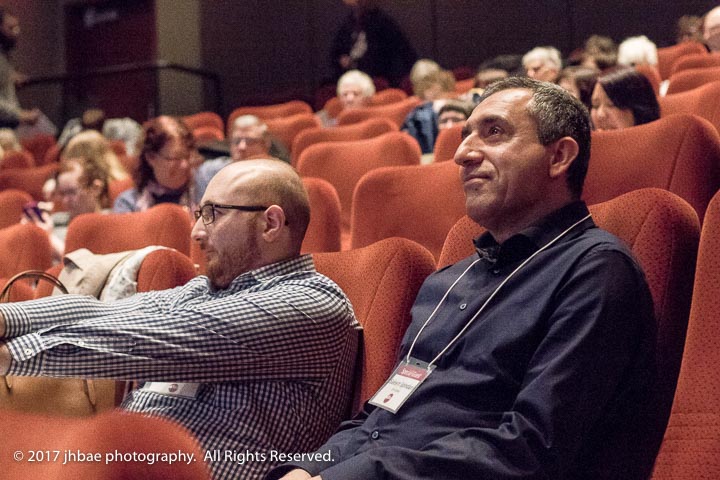
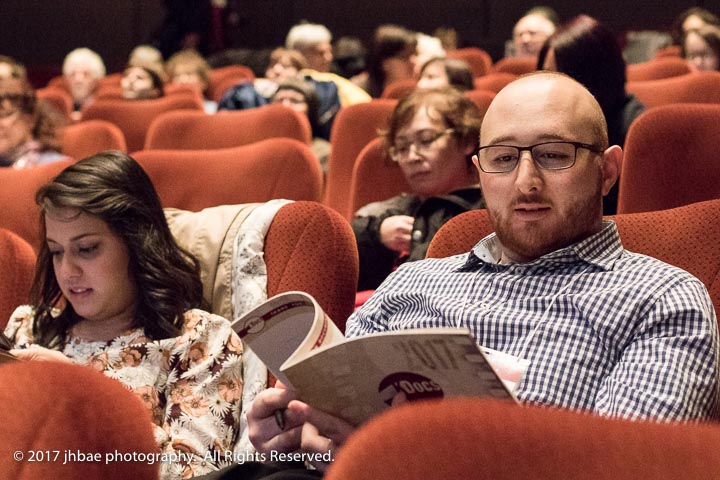
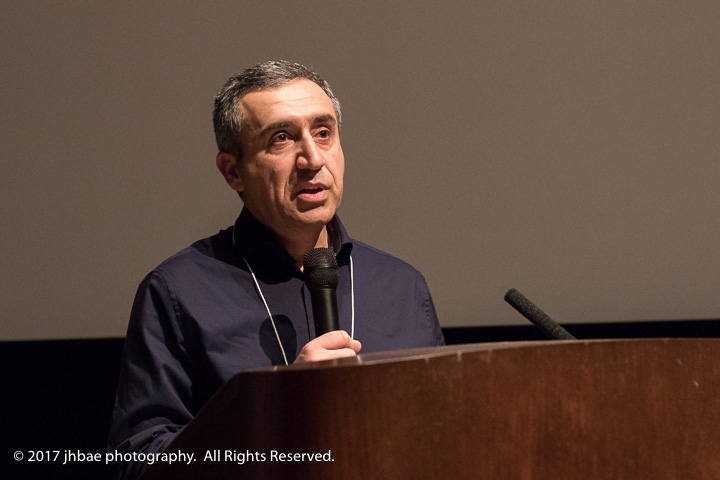
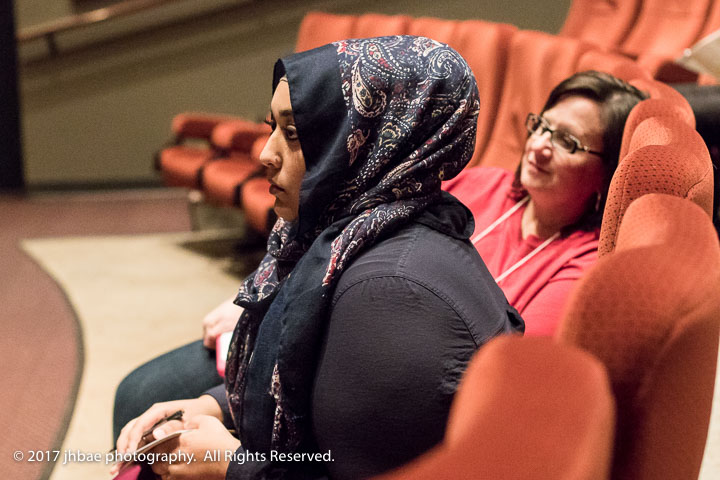
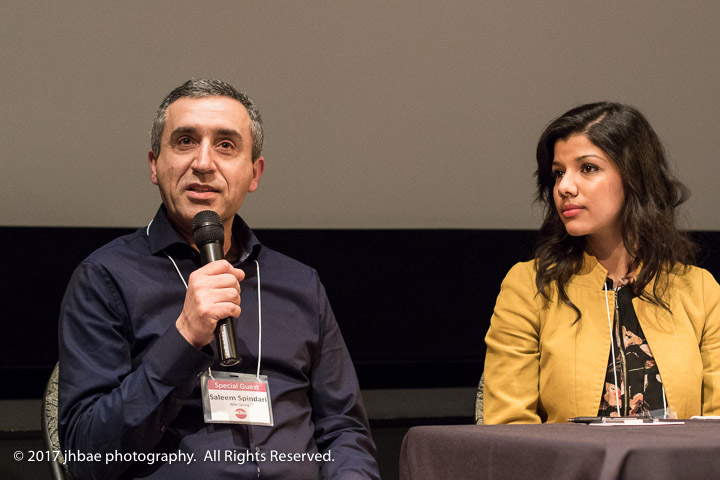
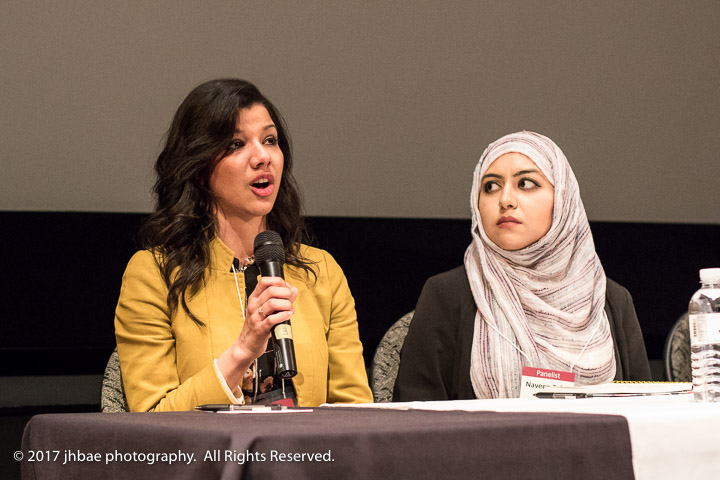
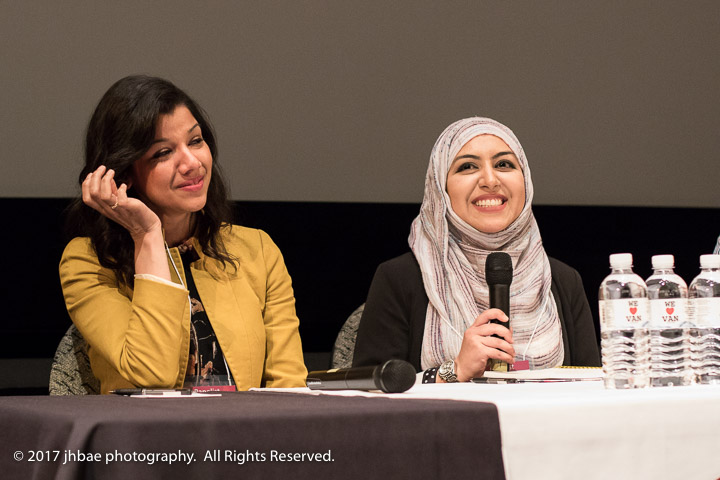
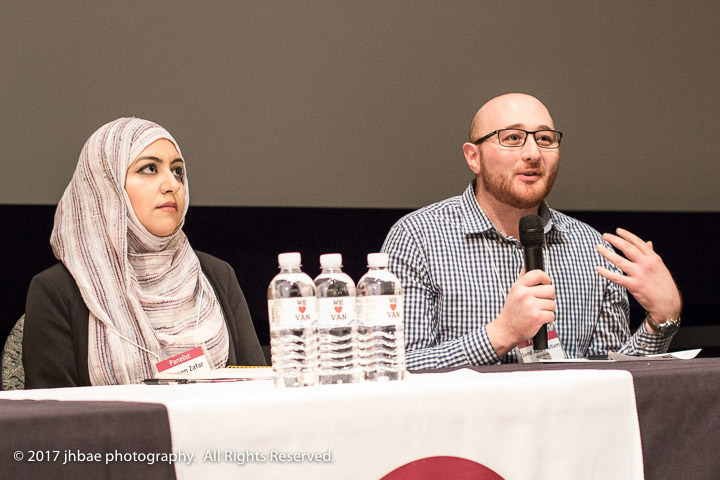
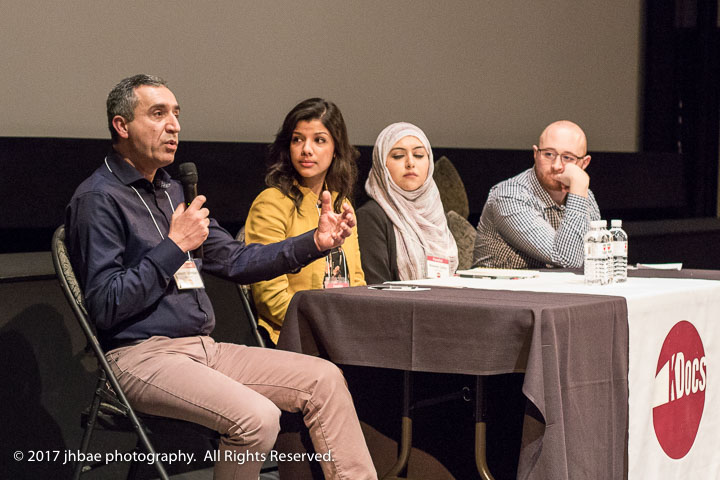
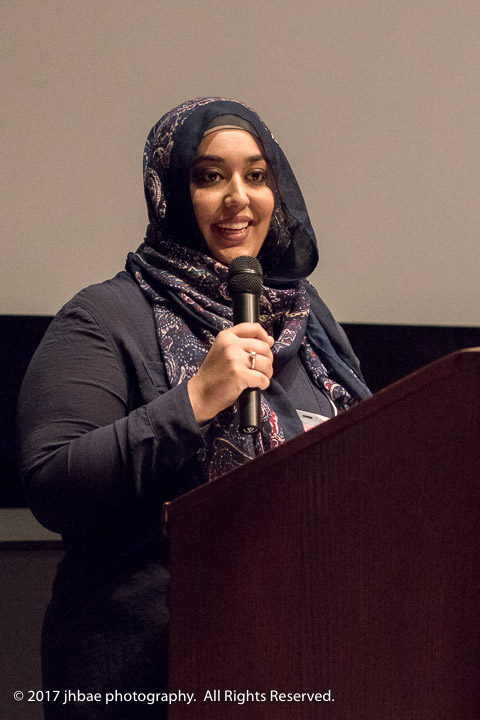
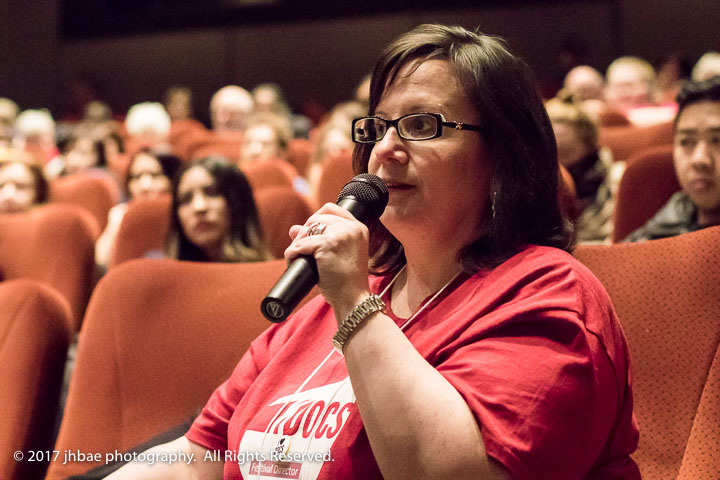
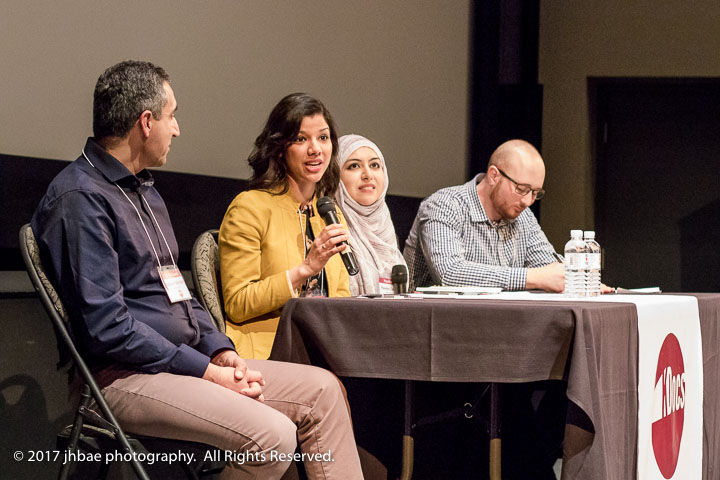
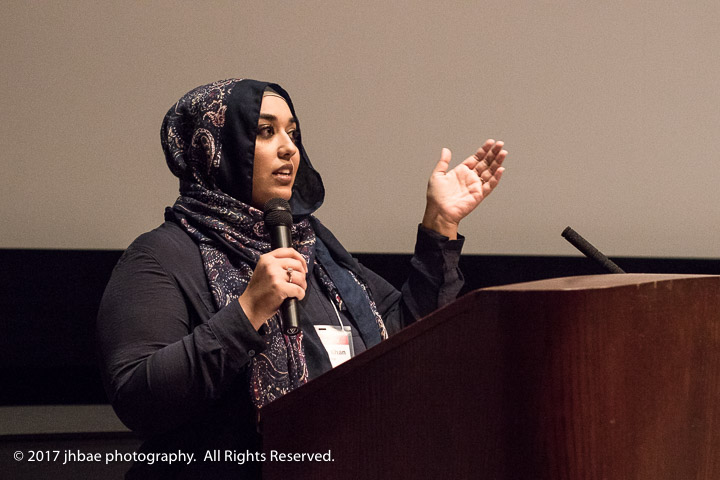
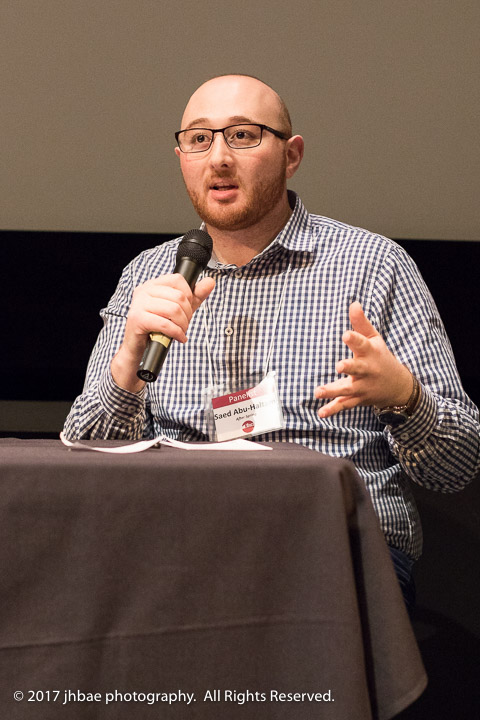
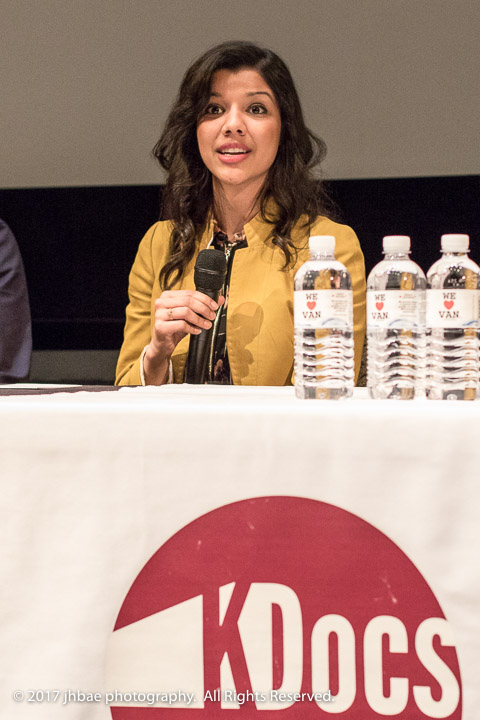
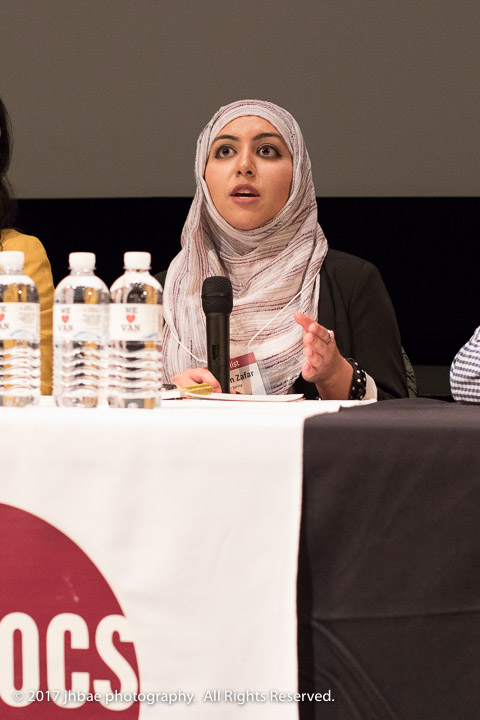
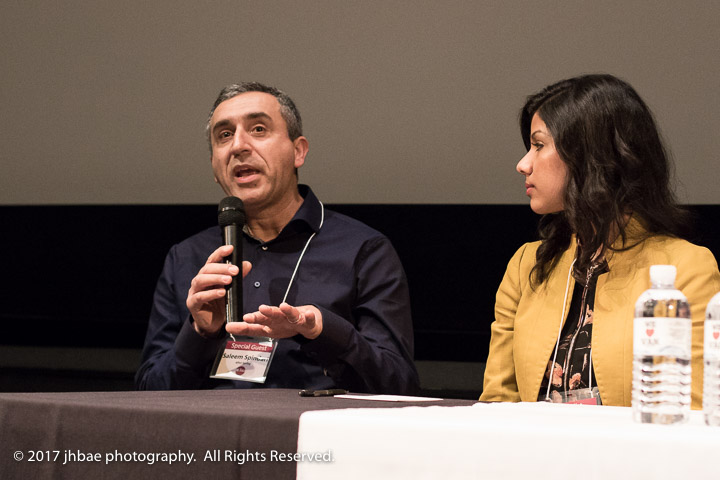
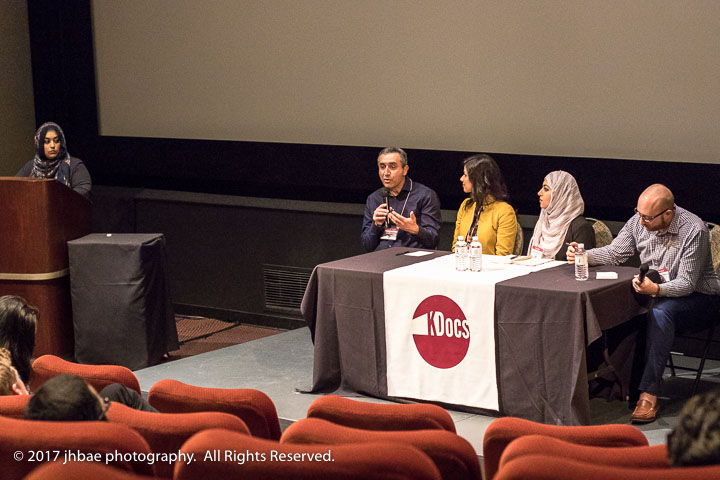
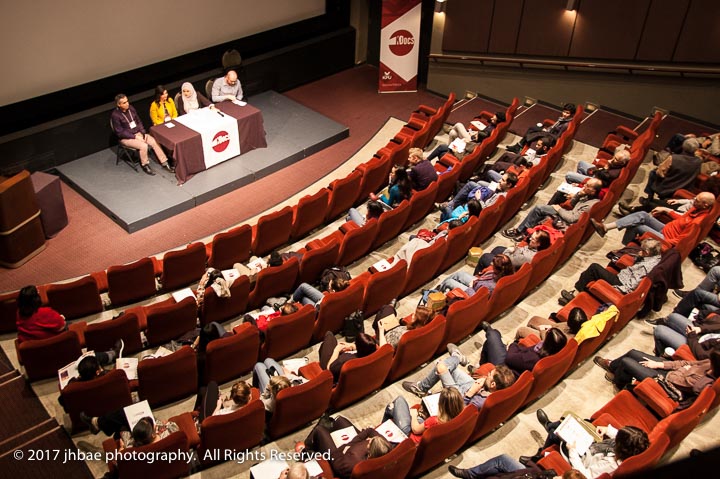
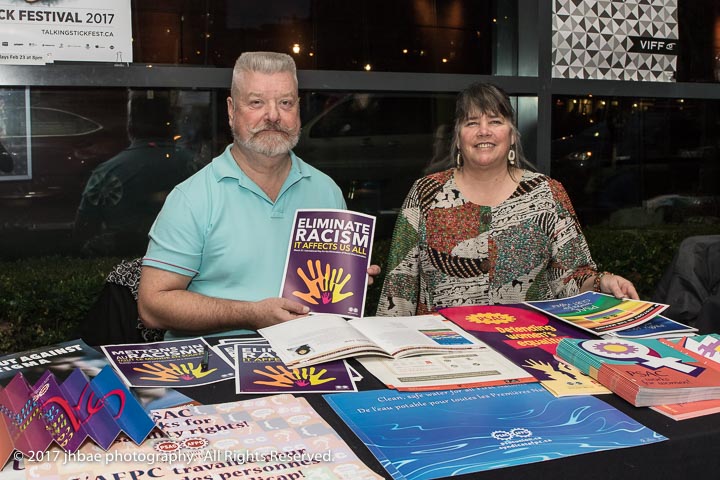
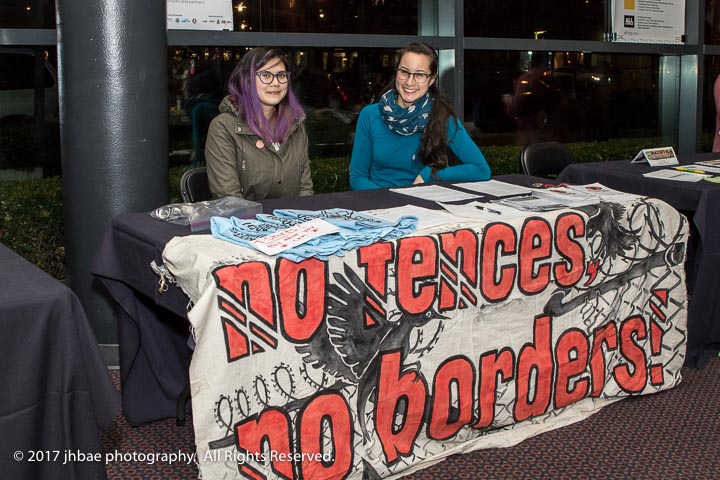
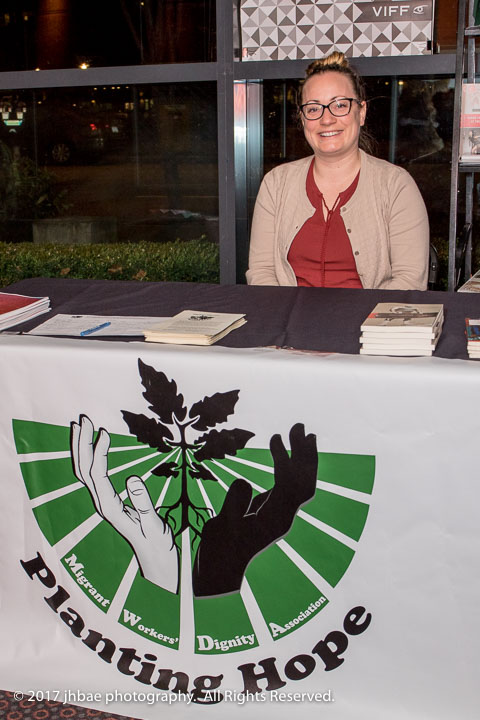
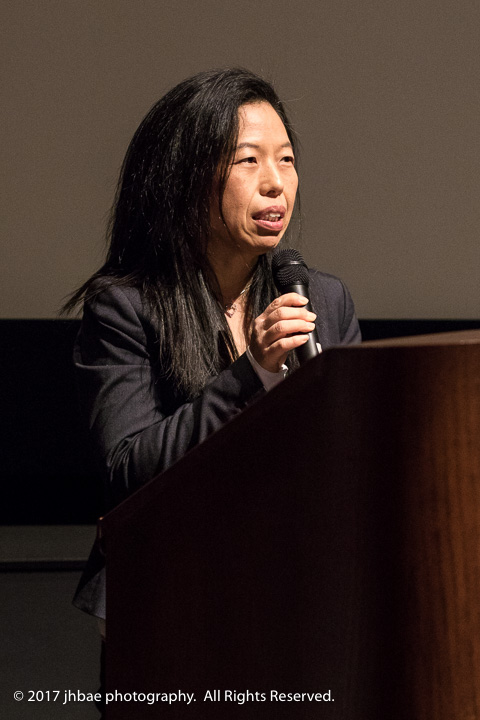
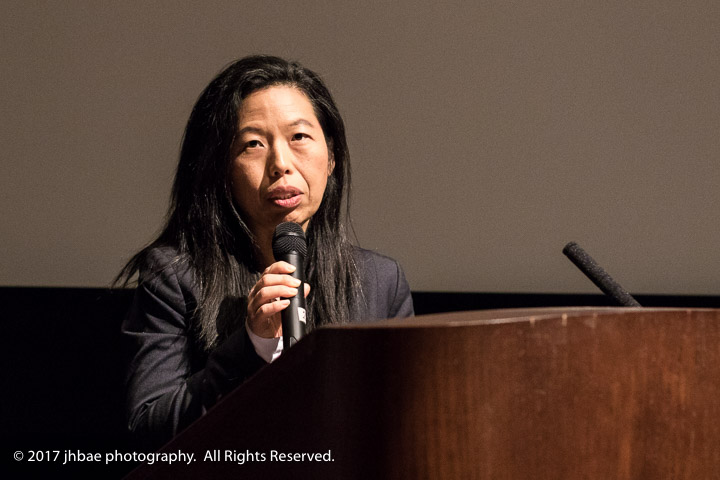
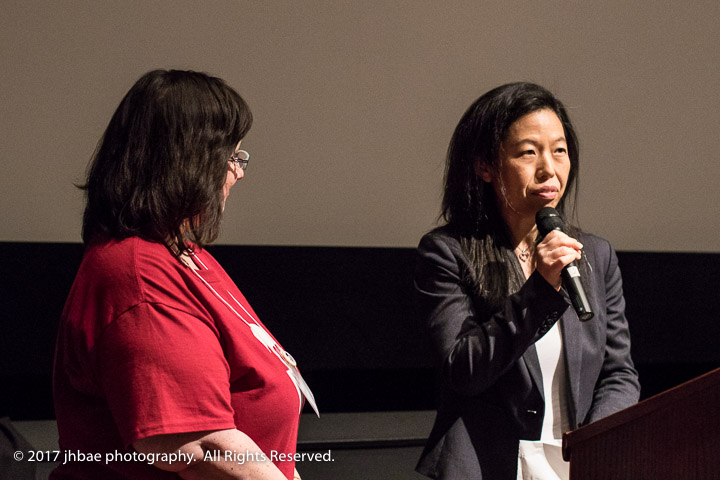
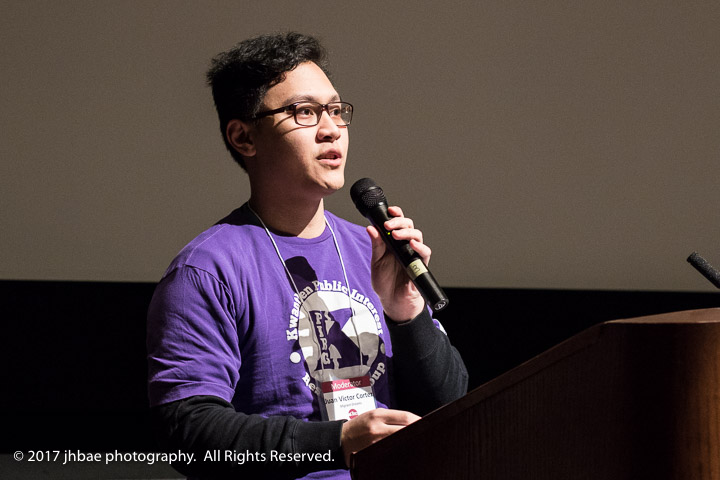
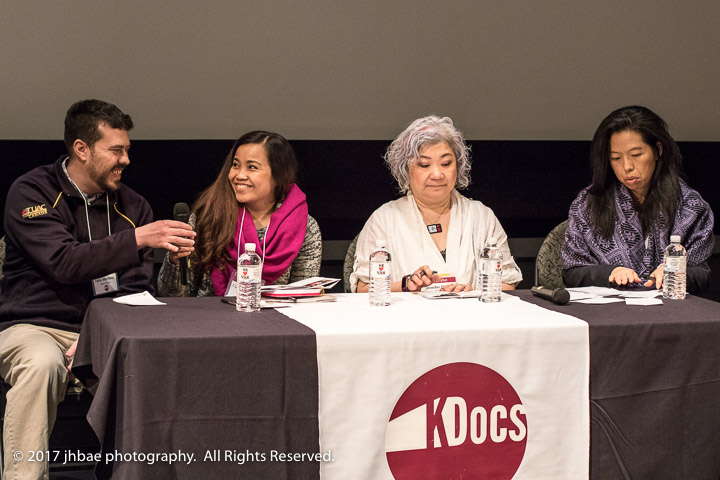
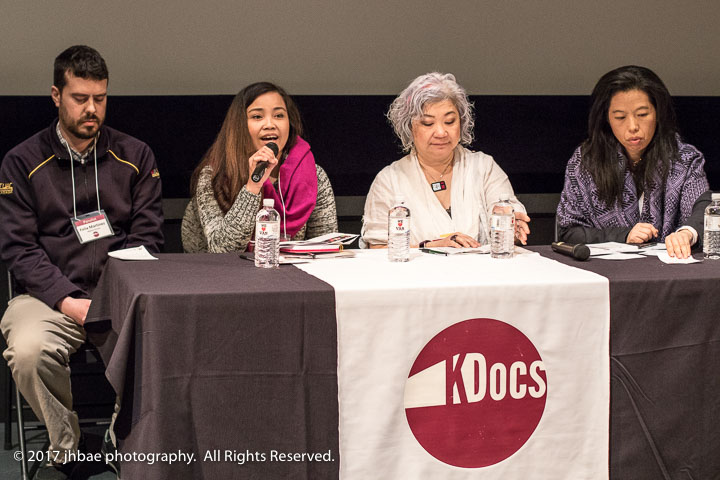
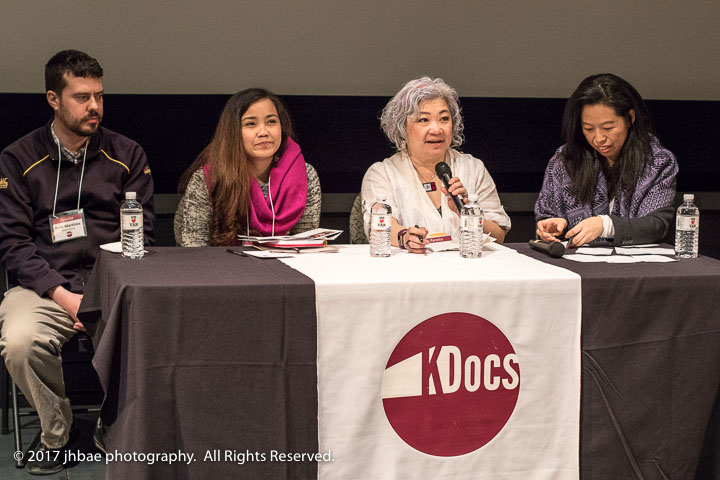
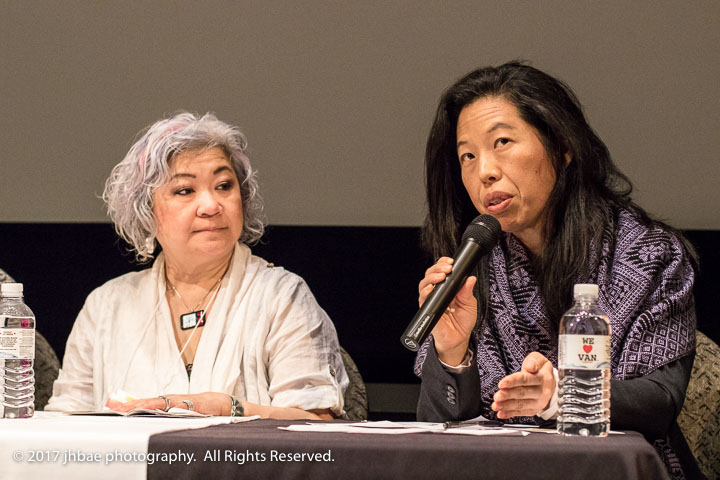
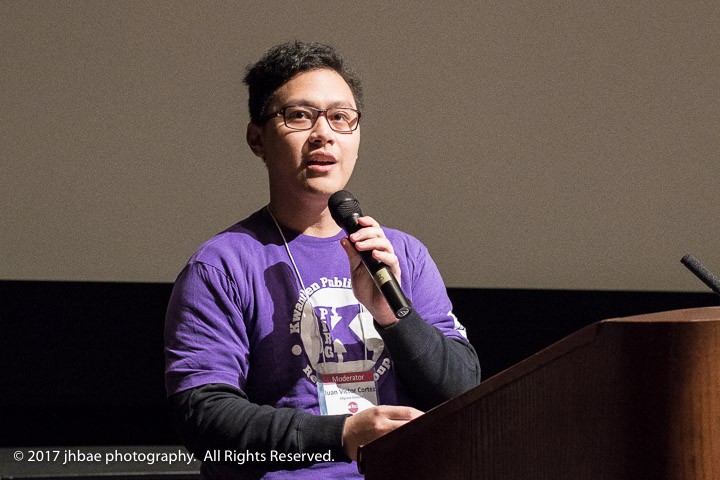
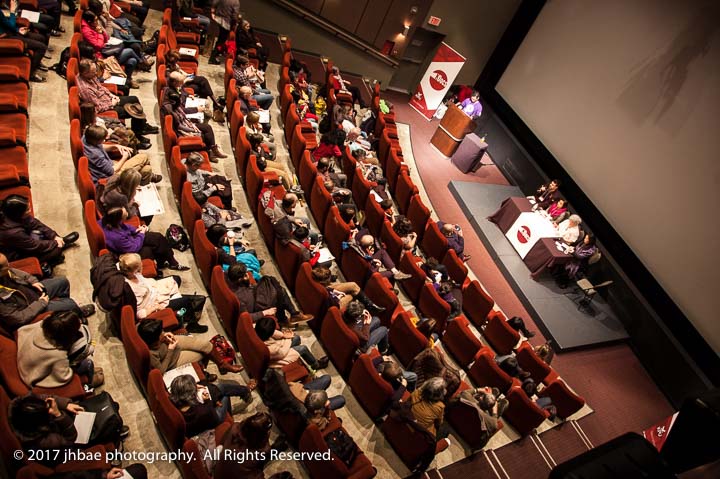
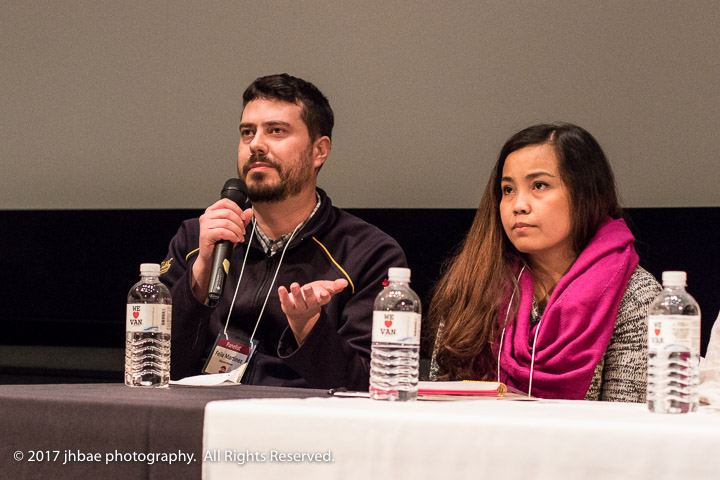
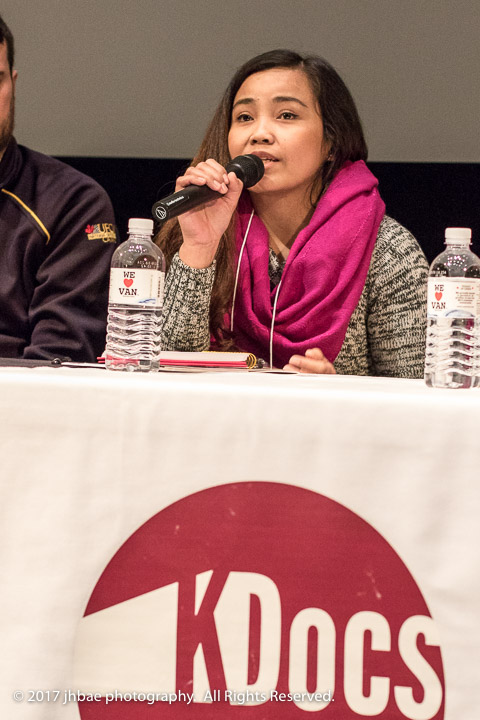
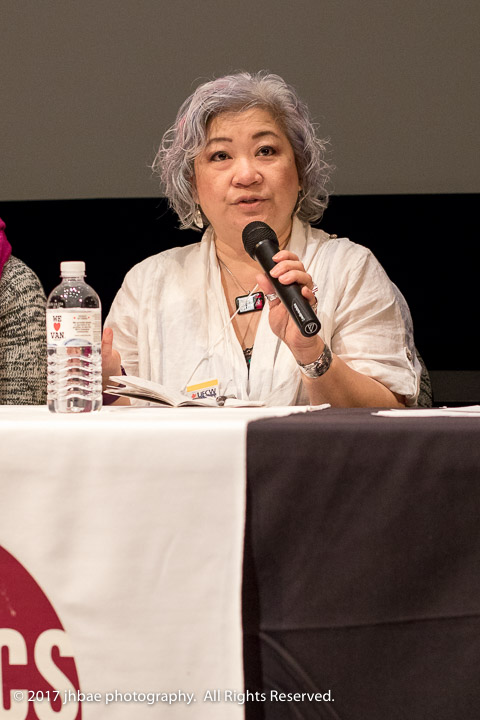
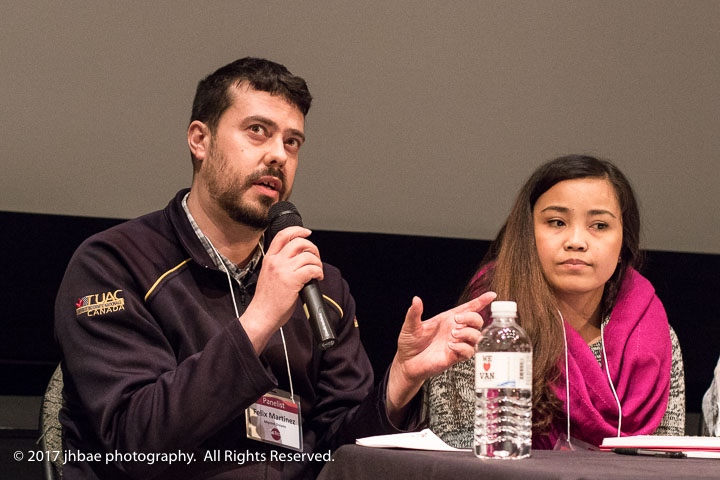
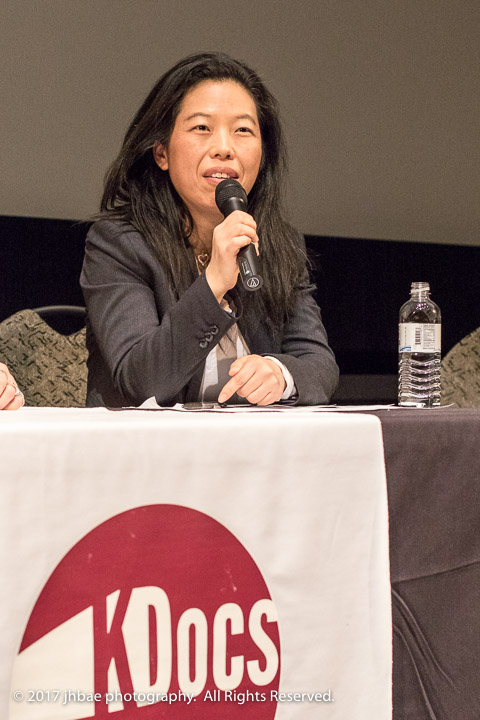
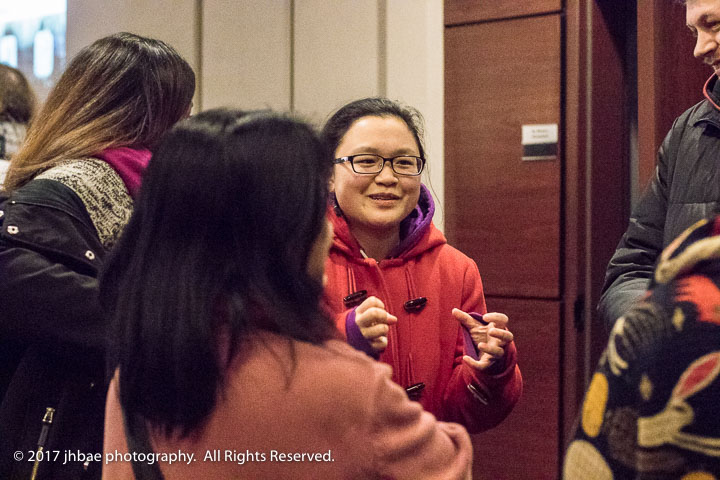
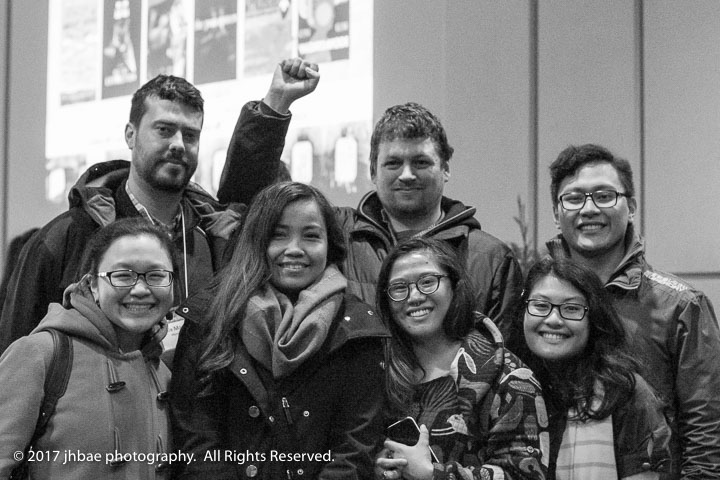
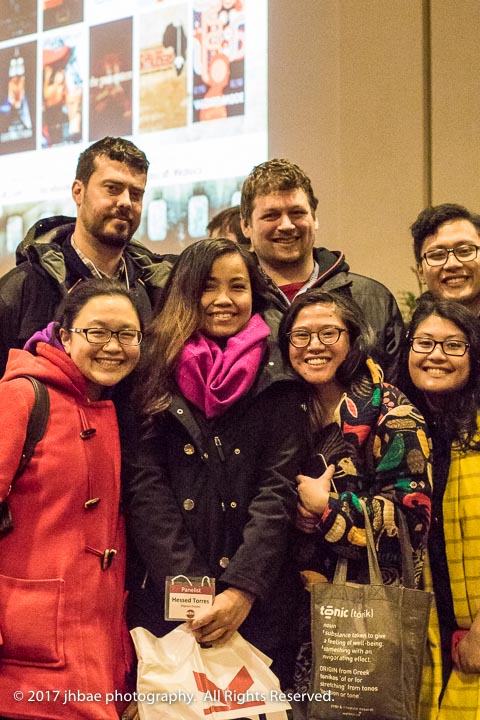
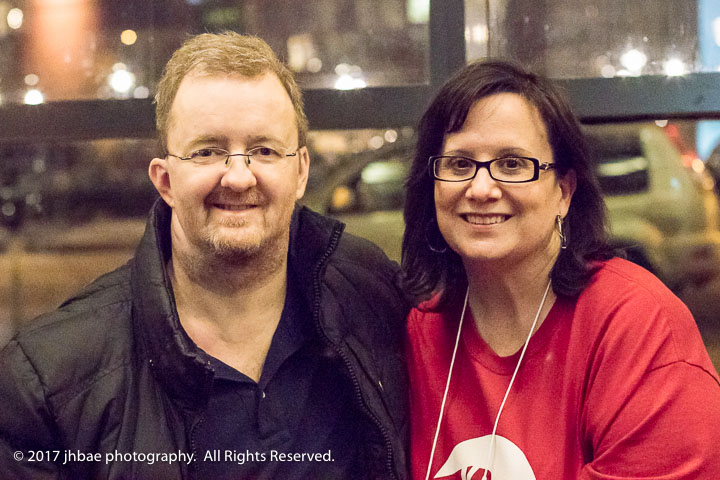
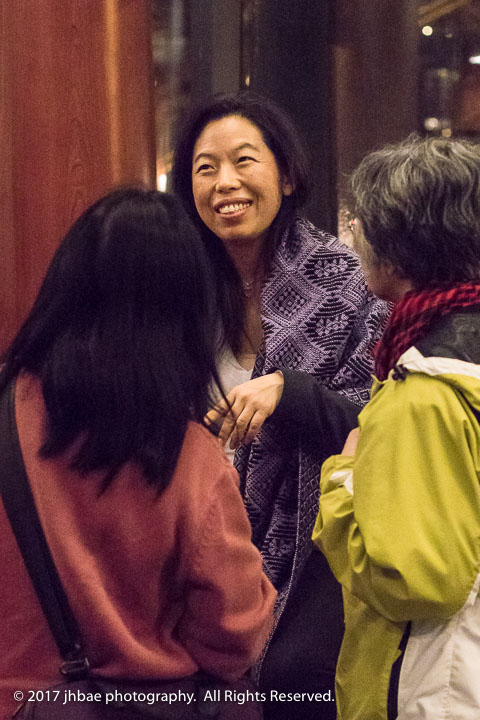
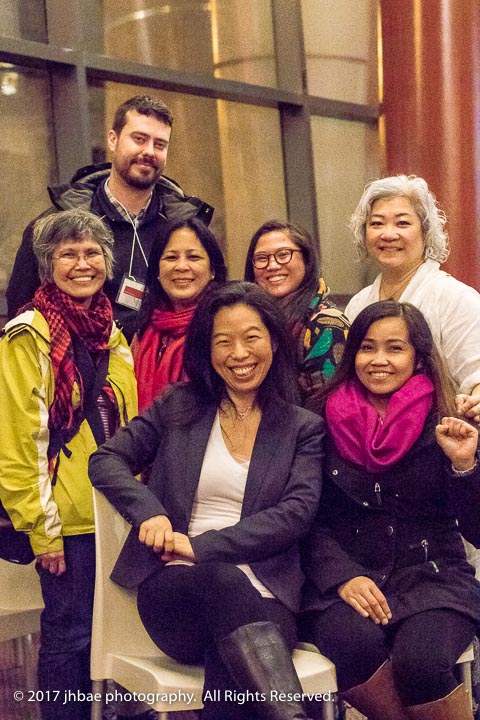
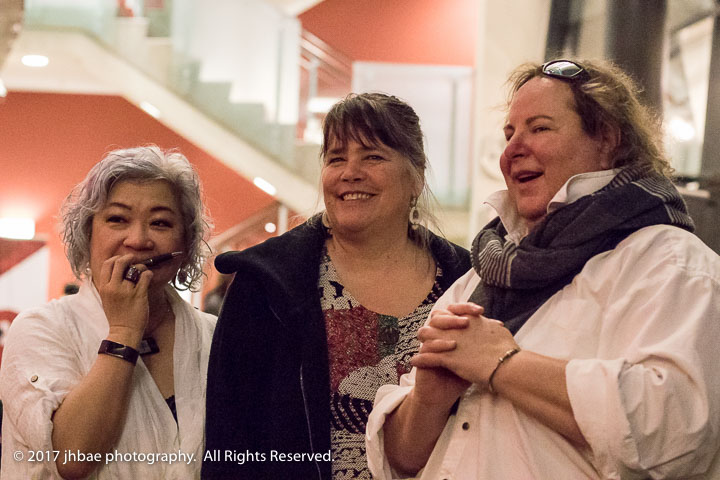
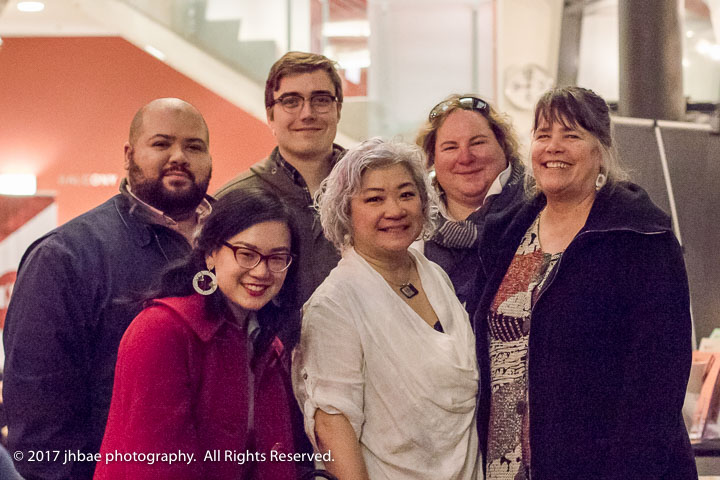
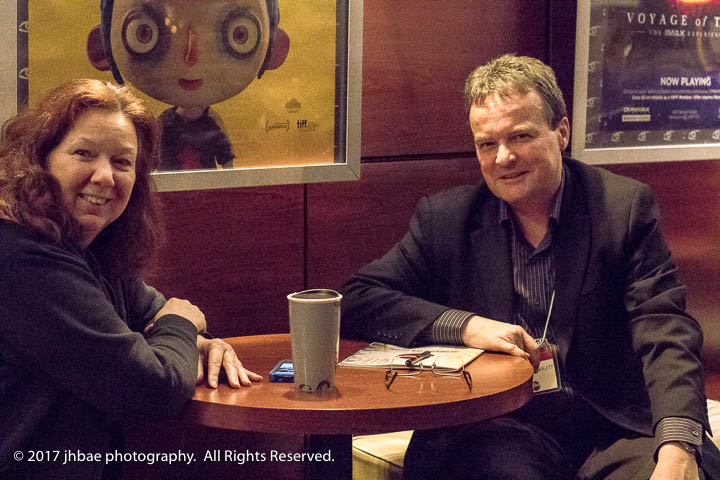
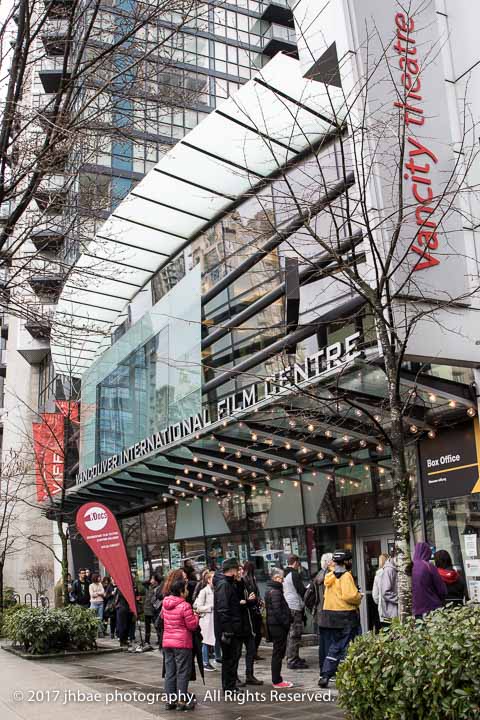
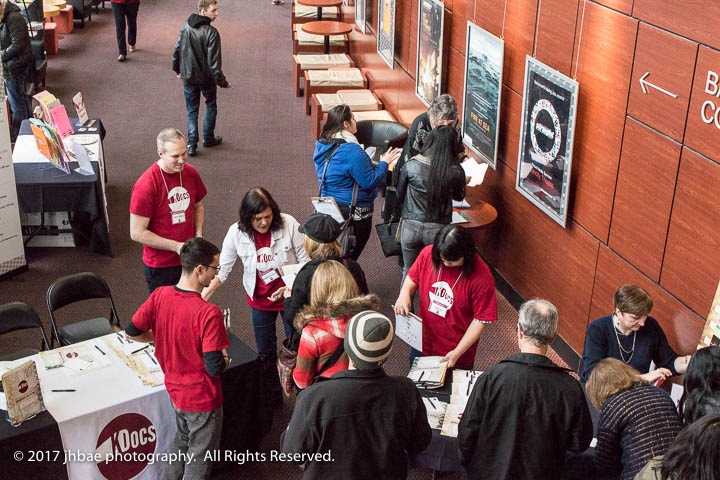
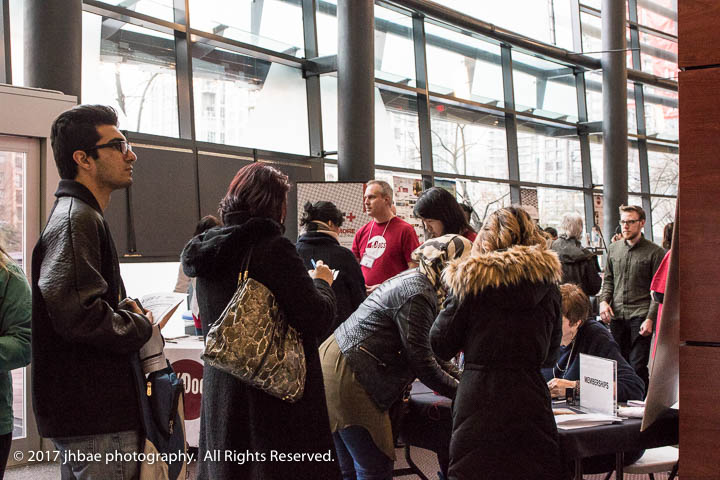
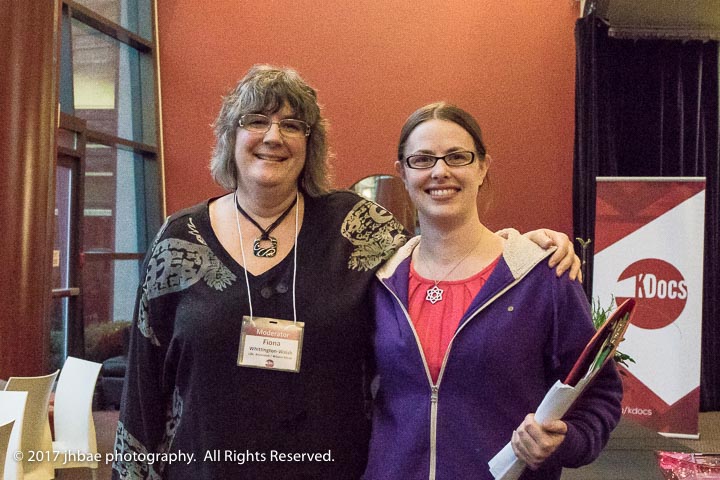
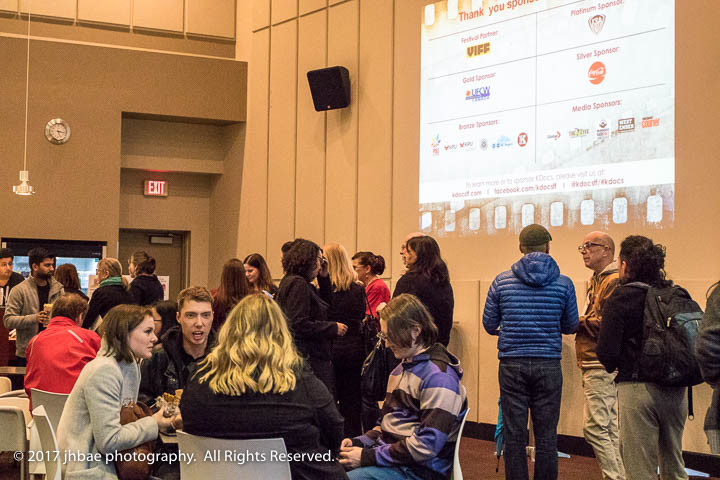
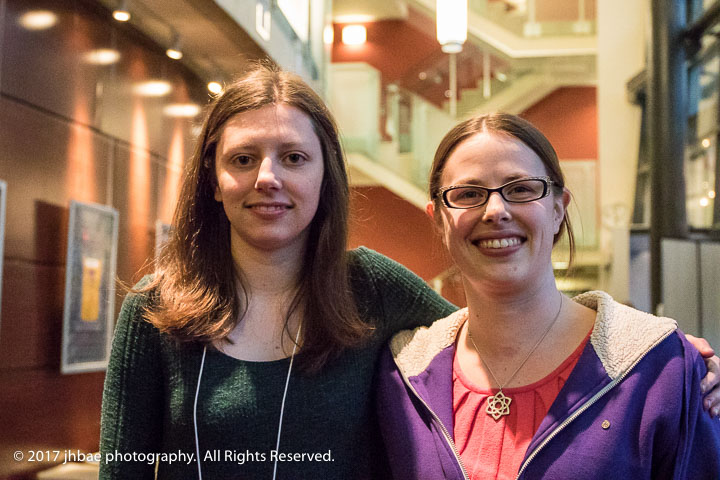
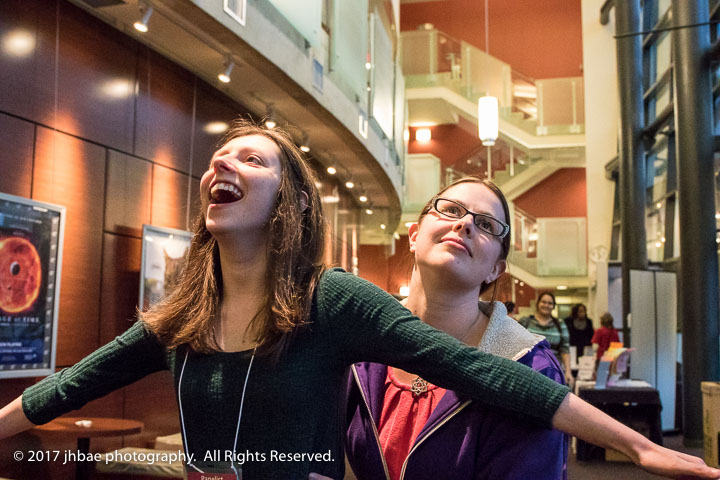
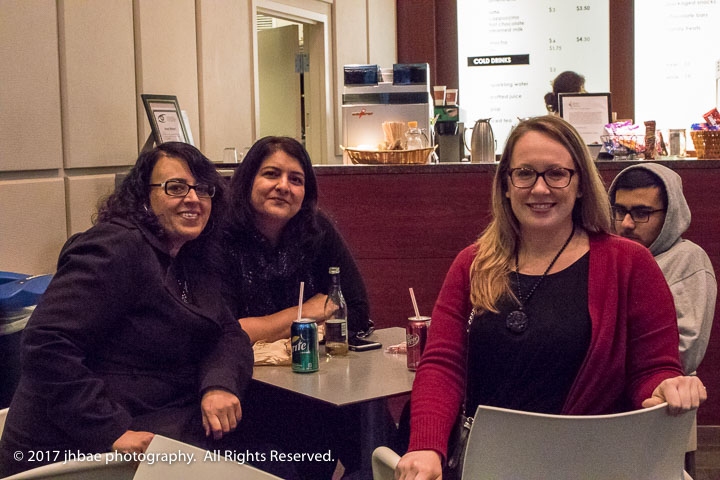
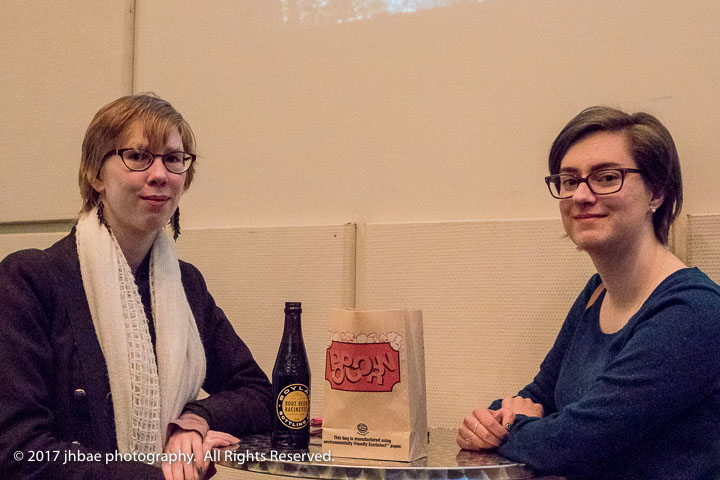
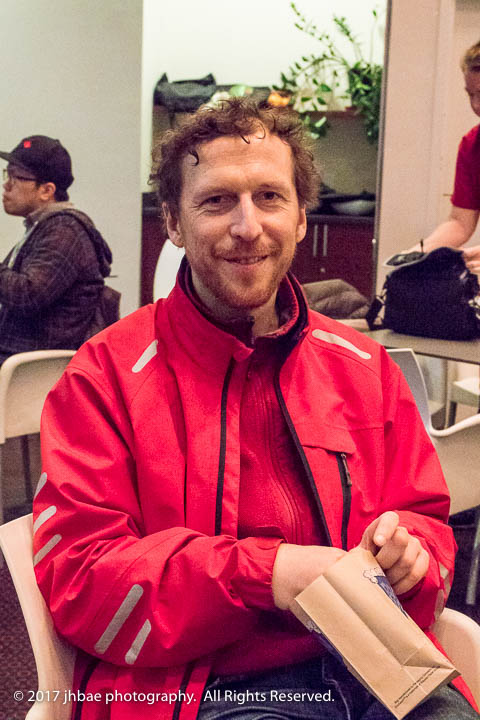
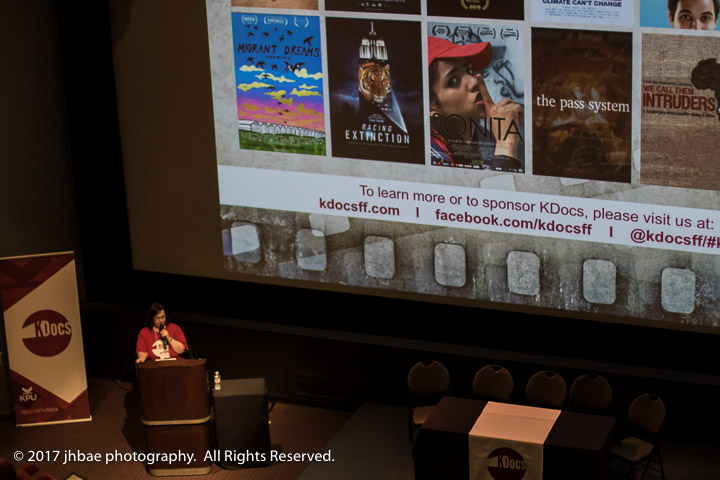
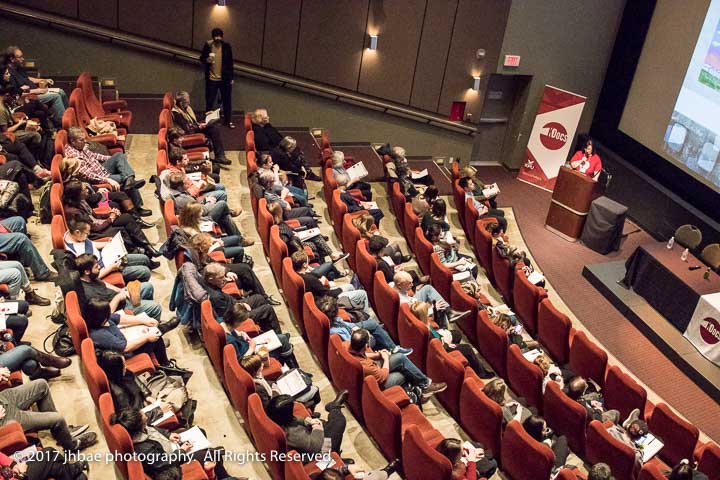
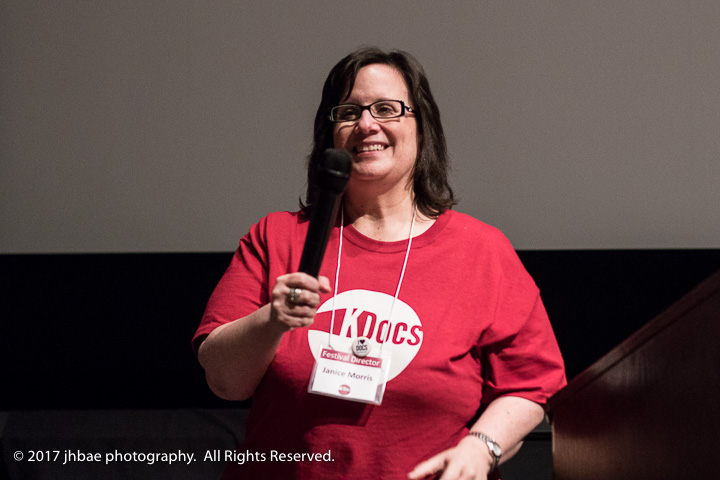
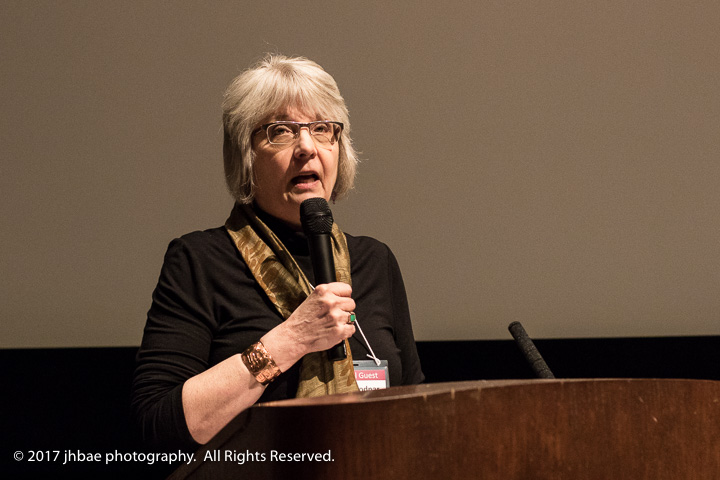
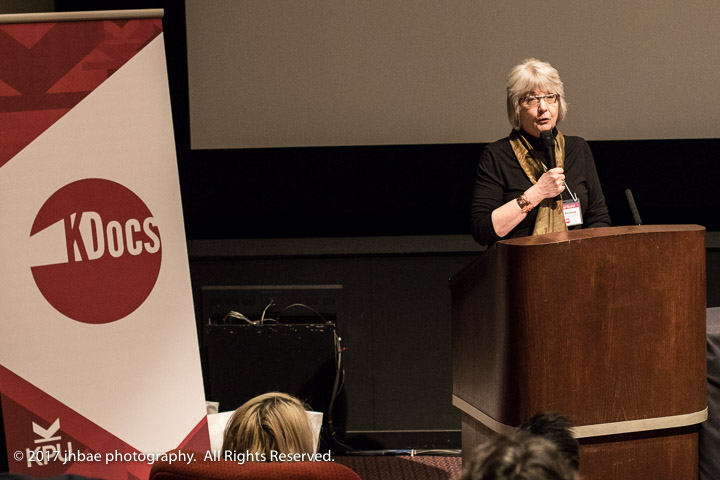
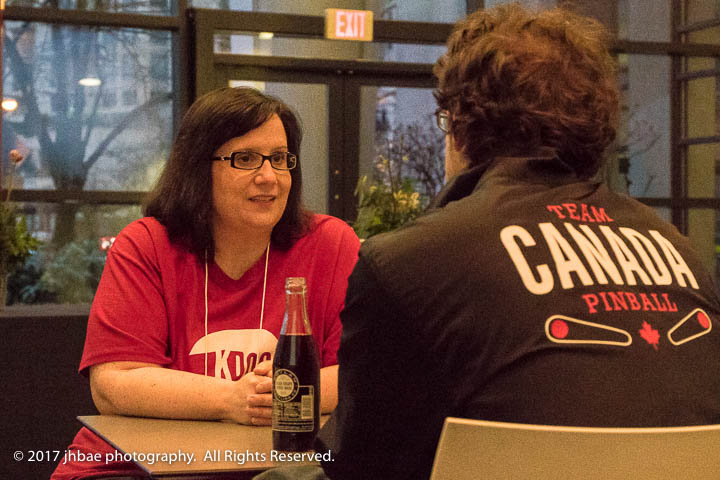
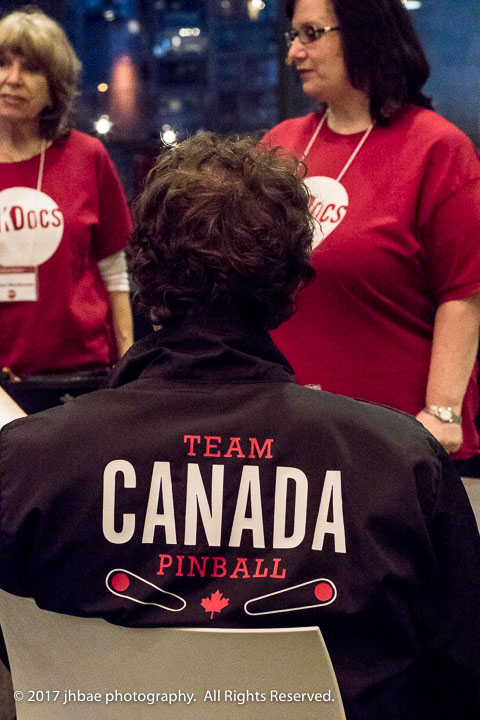
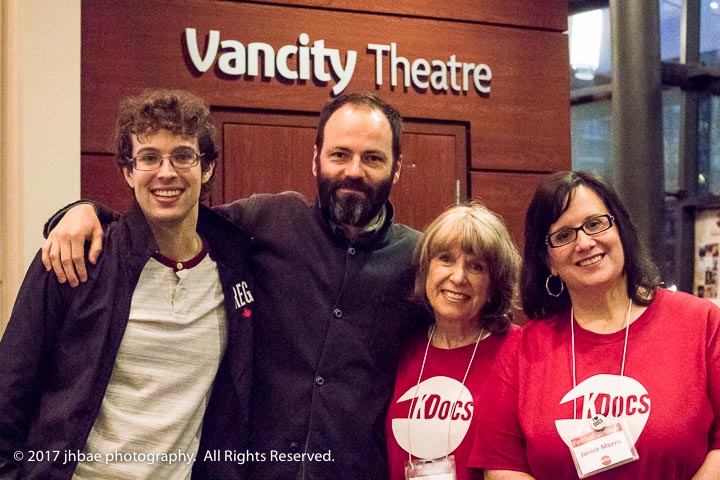
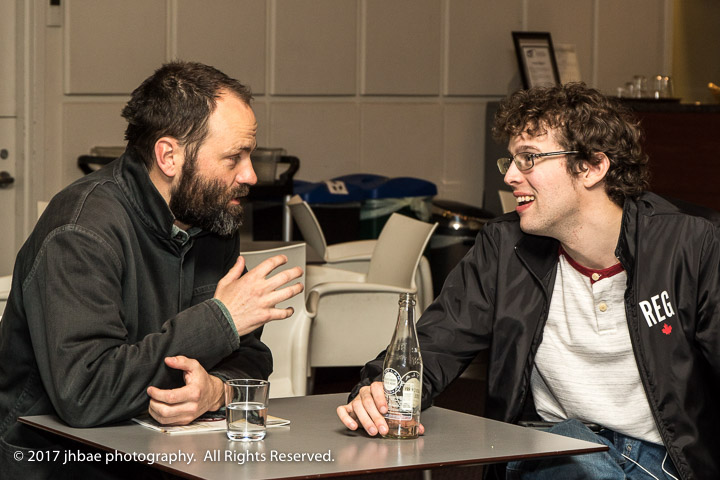
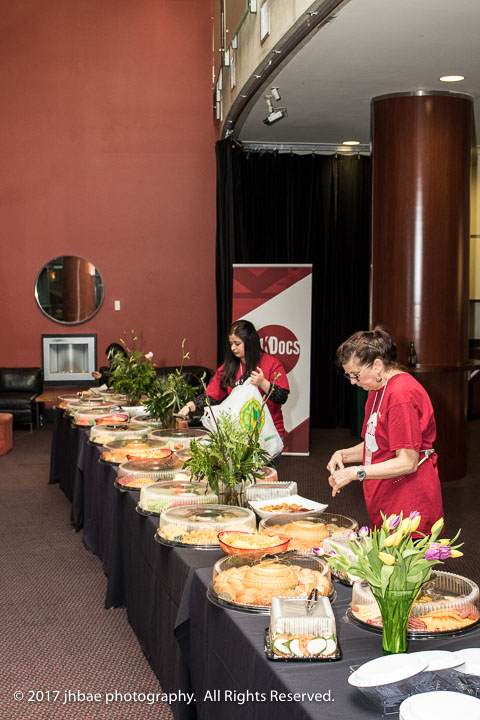

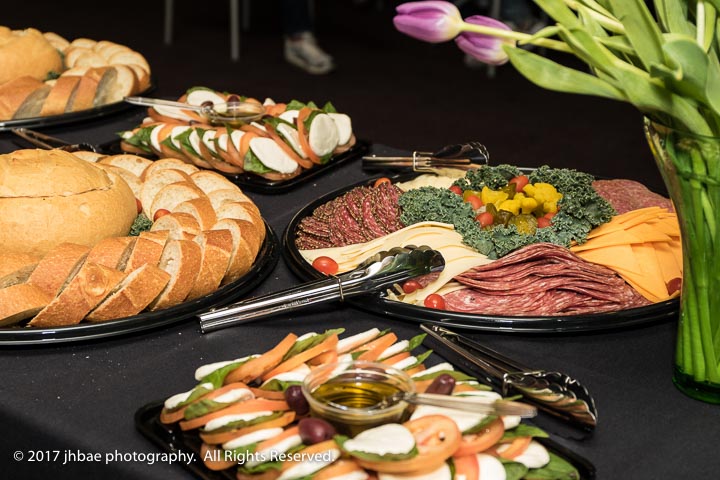

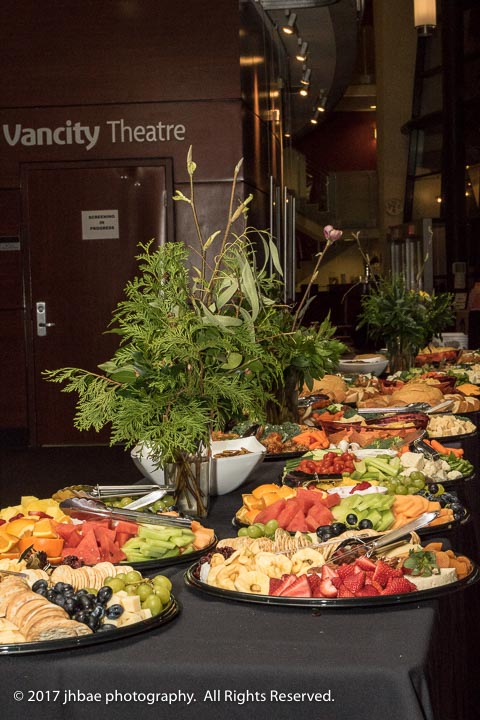

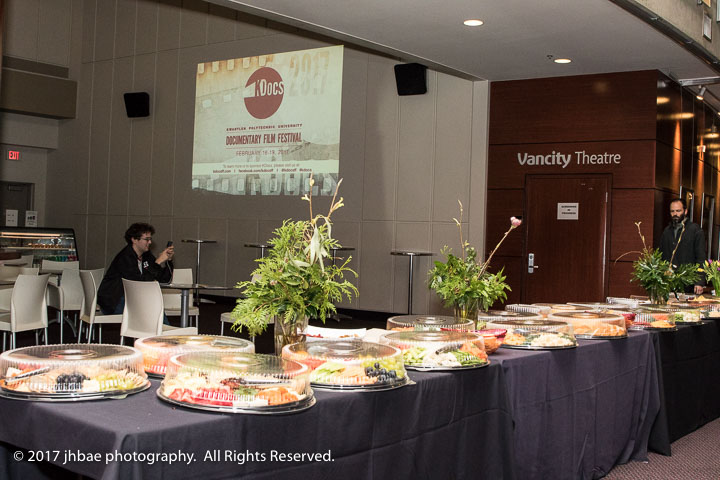
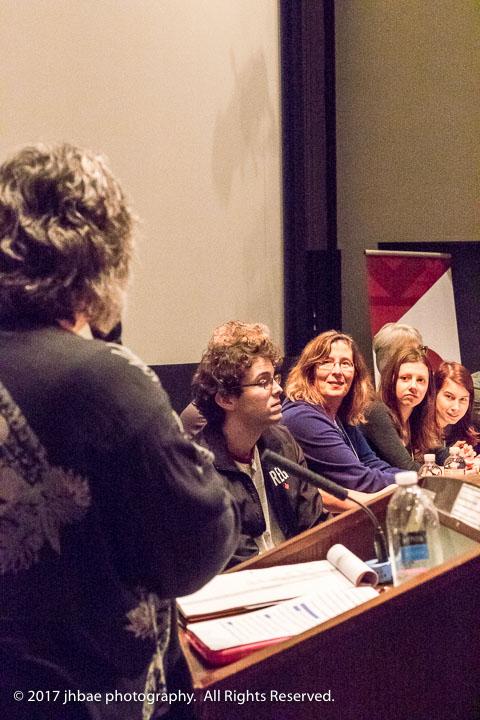
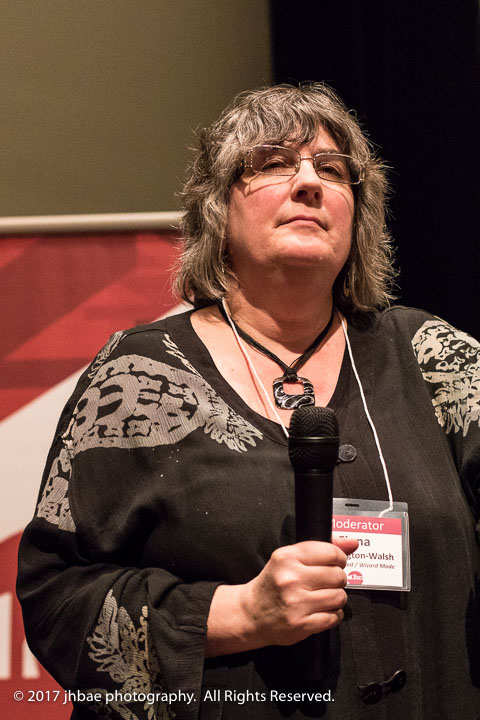
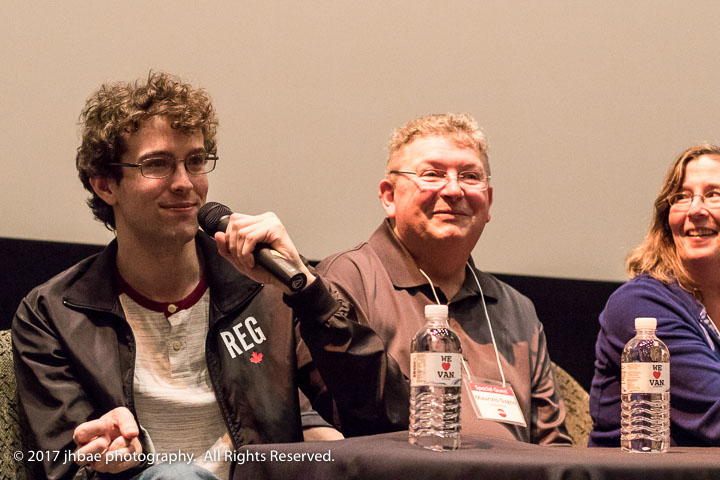
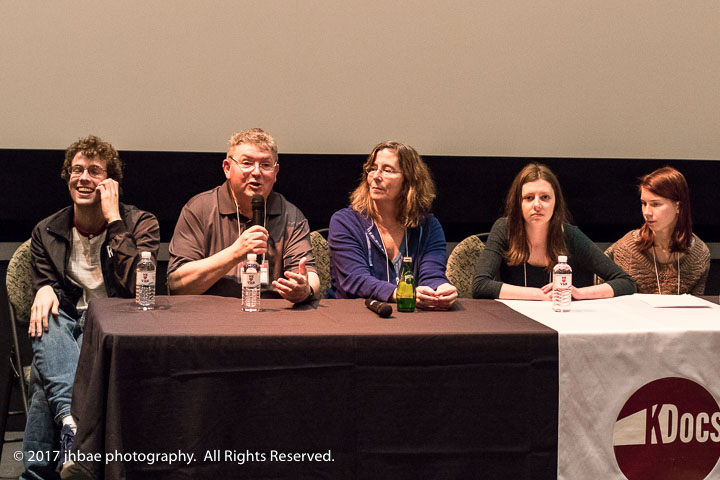
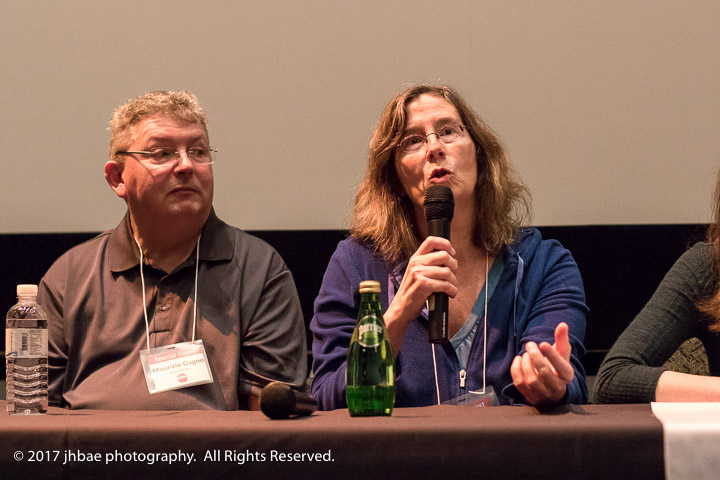
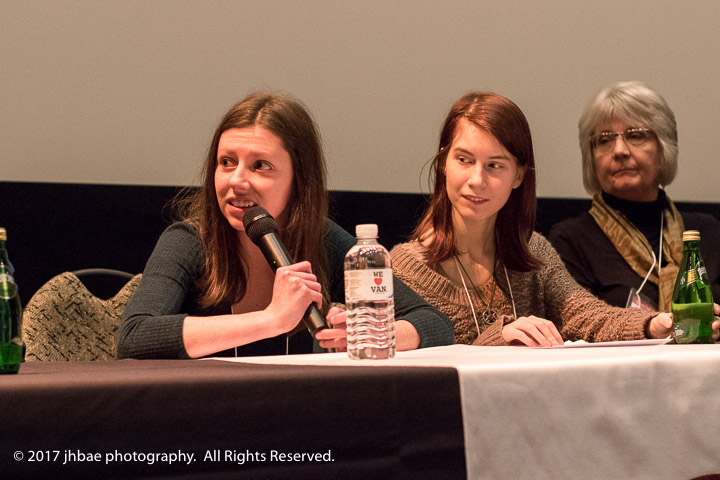
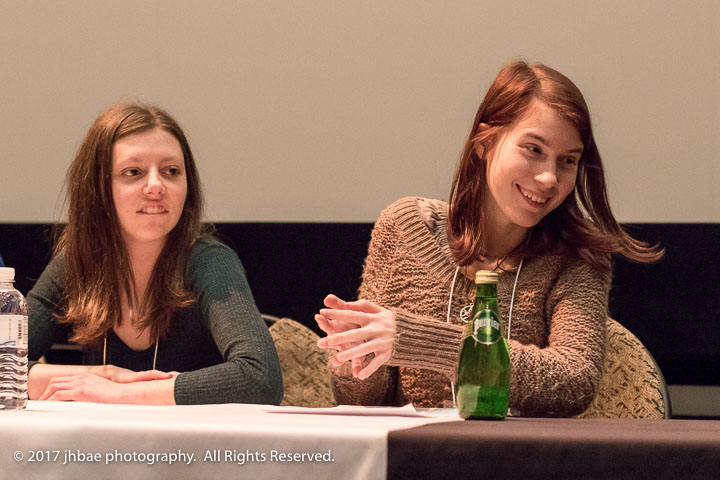
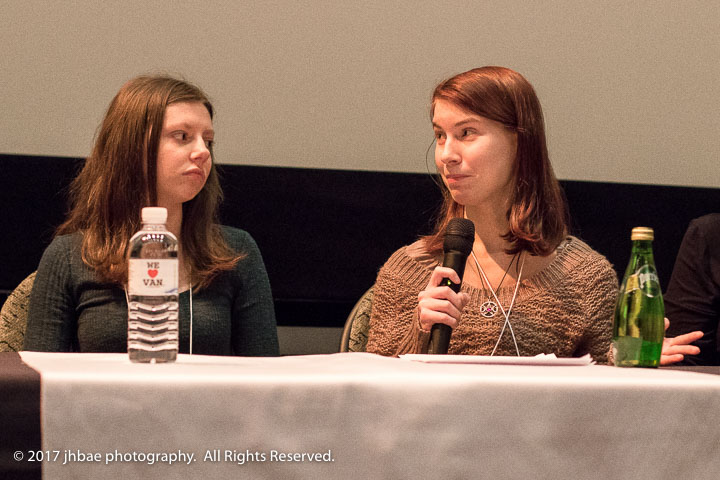
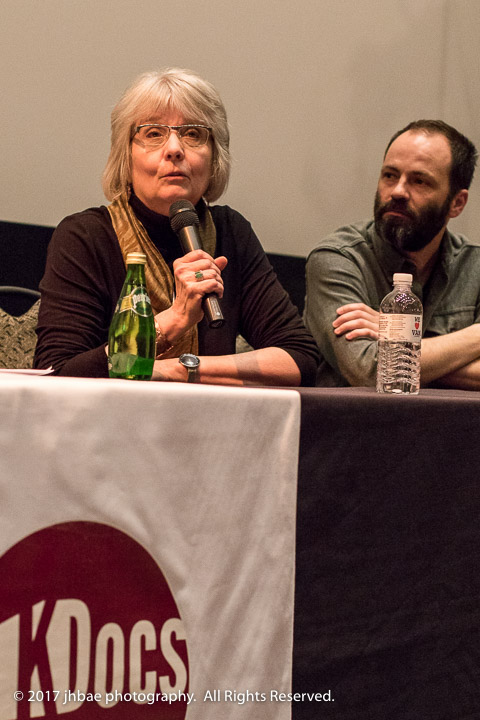
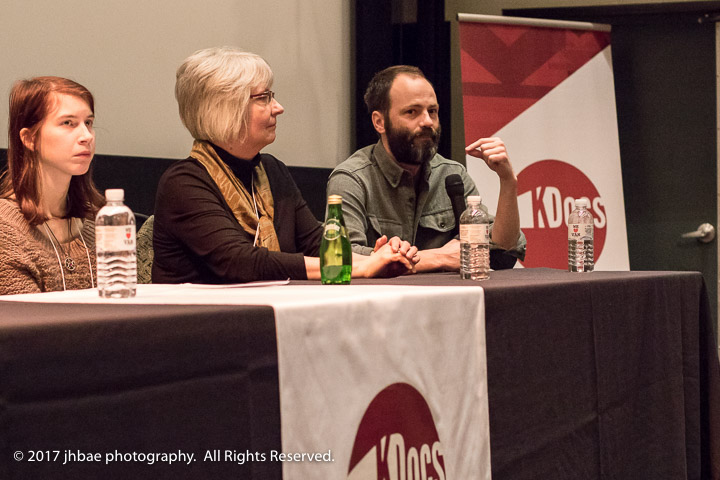
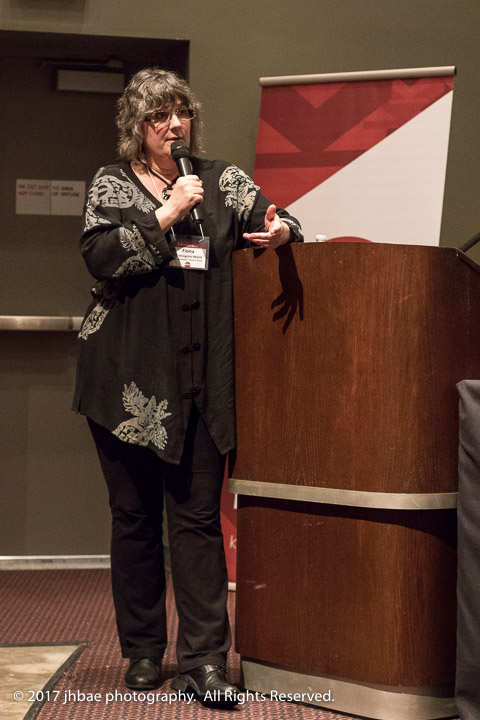
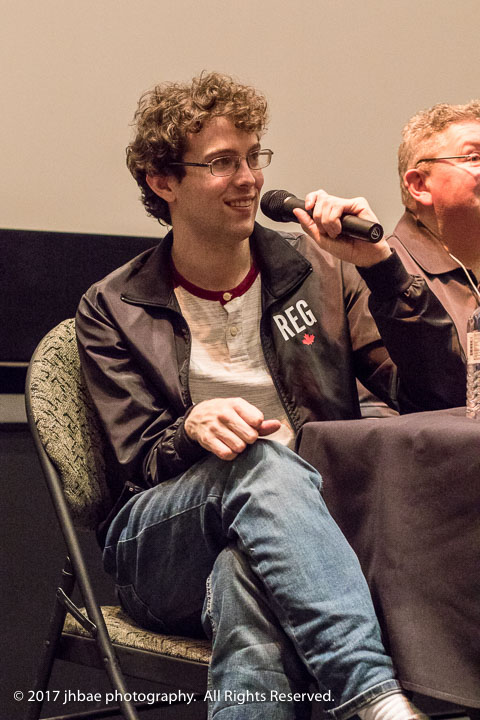
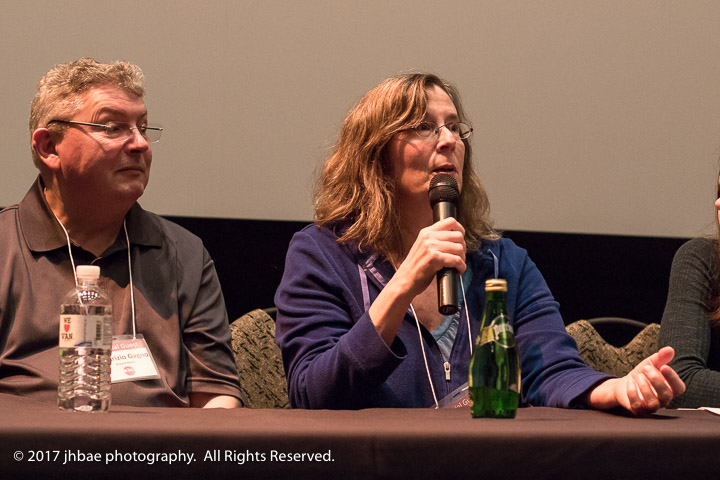
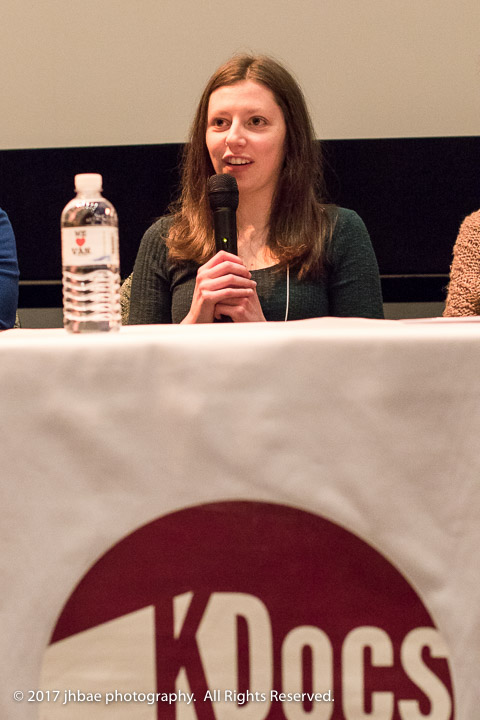
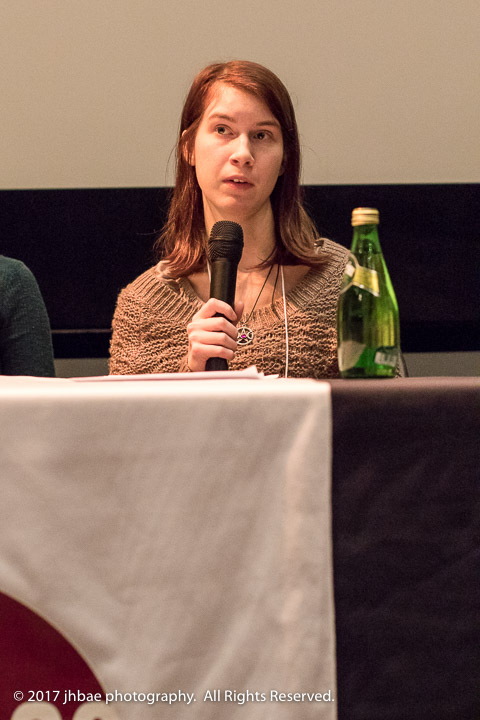













































KDocs held its third annual official documentary film festival on February 16-19, 2017, at the Vancouver International Film Centre/Vancity Theatre. Over 1200 people were in attendance throughout the four-day festival!
Racing Extinction: “From Academy Award-winning director, Louie Psihoyos and the team behind The Cove, this groundbreaking documentary examines biodiversity loss, its effect on humanity, and the solutions that inspire hope for a more sustainable future. Joined by new innovators, this groundbreaking documentary brings a voice to the thousands of species teetering on the very edge of life. This highly charged, impassioned collective of activists is out to expose the two major threats to endangered wild species across the globe. Scientists predict that the human footprint on the planet may cause the loss of half of the world’s species by the end of the century. They believe we have entered the sixth major extinction in Earth’s history, following the fifth great extinction which took out the dinosaurs.” KDocs’s Opening Night Gala Keynote Speaker was Dr. William Rees, Human Ecologist, Ecological Economist, Professor Emeritus, UBC. racingextinction.com
How to Let Go of the World and Love All the Things Climate Can’t Change: “In How to Let Go of the World and Love All The Things Climate Can’t Change, Oscar Nominated director Josh Fox (Gasland) continues in his deeply personal style, investigating climate change—the greatest threat our world has ever known. Traveling to 12 countries on 6 continents, the film acknowledges that it may be too late to stop some of the worst consequences and asks, what is it that climate change can’t destroy? What is so deep within us that no calamity can take it away?” howtoletgomovie.com
The Pass System: “After the Northwest Resistance of 1885, three Canadian officials put forward a proposal for a system of racial segregation—whites from First Nations—to their Prime Minister, Sir John A. Macdonald, who enthusiastically approves, declaring: ‘…it is in the highest degree desirable to adopt it.’ From then on, and for over 60 years, permits to leave reserve would only be issued at the pleasure of an Indian Agent. From day one, the Canadian government knew this segregationist pass system had no legal basis. The system kept First Nations parents from their children in residential schools, from visiting relatives, from access to towns and cities, and from enjoying the basic freedom of mobility that every settler Canadian took for granted. The Pass System is a result of a five year investigation involving extensive, pan-Canadian archival research and elders’ oral history testimony, revealing a system that appears to be much more widespread than previously thought. Cree, Saulteaux, Dene, Ojibwe and Blackfoot Elders from Treaty areas 4, 6 & 7 tell stories of living under and resisting the system.” KDocs’s Special Guests were Lekeyten, KPU Elder-in-Residence and Alex Williams, Director, The Pass System. KDocs’s Keynote Speaker was Dr. Lisa Monchalin, KPU Professor of Criminology. thepasssystem.ca
After the Last River: “In the shadow of a De Beers diamond mine, the remote community of Attawapiskat lurches from crisis to crisis, as their homeland transforms into a modern frontier. Filmed over five years, After the Last River is a point of view (POV) documentary that follows Attawapiskat’s journey from obscurity and into the international spotlight during the protests of Idle No More. Filmmaker Victoria Lean connects personal stories from the First Nation to entwined mining industry agendas and government policies, painting a complex portrait of a territory that is a imperiled homeland to some and a profitable new frontier for others.” KDocs’s Special Guest was Victoria Lean, Director, After the Last River. afterthelastriver.com
We Call Them Intruders: “This century’s global scramble for metals and minerals has led hundreds of Canadian mining corporations to Africa in search of the next big mine find. In Africa, some of the world’s poorest communities sit right beside mines that generate billions of dollars in profit each year. Many of these mines are financed, in part, by ordinary people paying taxes, putting away savings, making RRSP contributions and paying into pension plans in Canada. But who gets rich off Canadian mines? We Call Them Intruders [takes viewers] on a journey to the sites of Canadian-owned mines in Tanzania and Zambia. Set against a backdrop of local sights and sounds, we speak with government officials, community members, industry and corporate representatives, mine workers, independent experts, and non-profit organizations. We find that the situation is more complicated than we first imagined.” KDocs’s Special Guests and Keynote Speakers were Tamara Herman and Susi Porter-Bopp, Co-directors, We Call Them Intruders. wecallthemintruders.wordpress.com
Lo and Behold: Reveries of the Connected World: “Society depends on the Internet for nearly everything but rarely do we step back and recognize its endless intricacies and unsettling omnipotence. From the brilliant mind of Werner Herzog comes a playful yet chilling examination of our rapidly interconnecting lives. Herzog captures interviews with a treasure trove of strange and beguiling individuals—from Internet pioneers to victims of wireless radiation—whose anecdotes and reflections weave together a complex portrait of our brave new world. The Internet may be, as Herzog states, ‘one of the biggest revolutions we as humans are experiencing,’ but he tempers this enthusiasm with tragic stories from victims of online harassment and Internet addiction, wrestling with profound questions about the future of the Internet—and humanity. Is this digitally dominated age humankind’s salvation or a high-speed pipeline to our demise?” loandbeholdfilm.com
Do Not Resist: “Starting on the streets of Ferguson, Missouri, as the community grapples with the death of Michael Brown, Do Not Resist—the directorial debut of Detropia cinematographer Craig Atkinson—offers a stunning look at the current state of policing in America and a glimpse into the future. The Tribeca Film Festival winner for Best Documentary puts viewers in the center of the action—from a ride-along with a South Carolina SWAT team and inside a police training seminar that teaches the importance of ‘righteous violence’ to the floor of a congressional hearing on the proliferation of military equipment in small-town police departments—before exploring where technology could lead the field next.” KDocs’s Keynote Speaker was Dr. Wade Deisman, KPU Associate Dean, Faculty of Arts and Professor of Criminology. donotresistfilm.com
After Spring: “Close to 80,000 Syrian refugees live in the Zaatari Refugee Camp in Jordan, the second-largest such camp in the world. Fifty-eight percent of its inhabitants are children. After Spring immerses us in the rhythms of the camp, the role of the aid workers, and the daily lives of two families as they contemplate an uncertain future. All aspects of refugee camp life are explored, including medical assistance, the self-sustaining economy of its urban center, and even pizza making. But it all arcs on bringing purpose and education to the children uprooted from their homes, often termed the ‘lost generation.’ Executive produced by Jon Stewart, this is a fascinating journey through the camp’s physical and human landscapes.” KDocs’s Keynote Speaker was Saleem Spindari, Manager, Refugee Settlement Support Projects, Family and Settlement Services, MOSAIC. afterspringfilm.com
Migrant Dreams: “A powerful feature documentary by multiple award-winning director Min Sook Lee and Emmy award-winning producer Lisa Valencia-Svensson, tells the undertold story of migrant agricultural workers struggling against Canada’s Temporary Foreign Worker Program (TFWP) that treats foreign workers as modern-day indentured labourers. Under the rules of Canada’s migrant labour program, low wage migrants are tied to one employer. Migrant Dreams exposes the underbelly of the Canadian government labour program that has built a system designed to empower brokers and growers to exploit, dehumanize and deceive migrant workers who have virtually no access to support or information in their own language. Workers willing to pay exorbitant fees to work at minimum wage jobs packing the fruits and vegetables we eat in our homes. Migrant workers who deserve basic labour and human rights.” KDocs’s Special Guest and Keynote Speaker was Min Sook Lee, Director, Migrant Dreams. migrantdreams.ca
Sonita: “If 18-year old Sonita had a say in things, Michael Jackson would be her father and Rihanna her mother. She captures her dream of being a famous rapper in her scrapbook. For the time being, her only fans are the other teenage girls in a Tehran shelter. There, Sonita, a refugee from Afghanistan, gets counseling for the traumas she has suffered and guidance in shaping her future. Her family has a very different future planned for her: as a bride she's worth $9,000. What's more, women aren't allowed to sing in Iran. How can Sonita still succeed in making her dreams come true? Director Rokhsareh Ghaem Maghami ends up personally involved in answering that question, reigniting the discussion as to how documentary makers should relate to their subjects. This is just one of the many unexpected twists in an exciting journey replete with the setbacks and successes of a young women looking for her own path.” wmm.com/sonita
Life, Animated: “From Academy Award winning director Roger Ross Williams, Life, Animated is the inspirational story of Owen Suskind, a young man who was unable to speak as a child until he and his family discovered a unique way to communicate by immersing themselves in the world of classic Disney animated films. This emotional coming-of-age story follows Owen as he graduates to adulthood and takes his first steps toward independence. The subject of his father Ron Suskind’s New York Times bestseller, Owen was a thriving three year old who suddenly and inexplicably went silent—and for years after remained unable to connect with other people or to convey his thoughts, feelings or desires. Over time, through repeated viewings of Disney classics like The Little Mermaid and The Lion King, Owen found useful tools to help him to understand complex social cues and to re-connect with the world around him.” KDocs’s Keynote Speaker was Faith Bodnar, Executive Director, Inclusion BC. lifeanimateddoc.com
Wizard Mode: “In the game of pinball, there is no greater reward than Wizard Mode—a hidden level that is only unlocked when a player completes a series of lightning-speed challenges. Robert Emilio Gagno has dedicated most of his life to mastering Wizard Mode, and is now one of the top pinball players in the world. He also happens to have autism. As a young boy, his parents realized they could give him a quarter and he would play on a pinball machine for hours. Refusing to believe their son was locked into a limited future, his parents supported him as he practiced non-stop, developing an exceptional talent for the game. But now Robert’s real challenge lies outside the game on his journey to shed his youth and gain independence. Wizard Mode, Salazar Film’s first feature documentary, is a candid personal perspective on autism through the life of one of the world’s greatest pinball players.” KDocs’s Special Guests were Robert Gagno, Kathy Gagno, and Maurizio Gagno, stars of Wizard Mode; and Jeff Petry and Nathan Drillot, Co-directors of Wizard Mode. wizardmodefilm.com


























































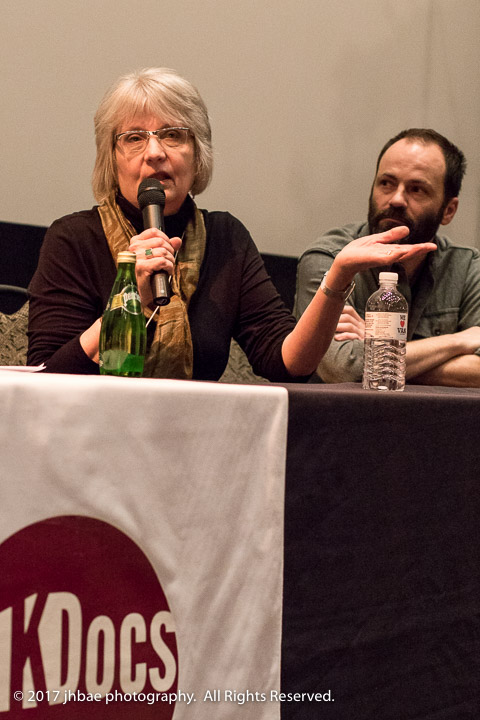
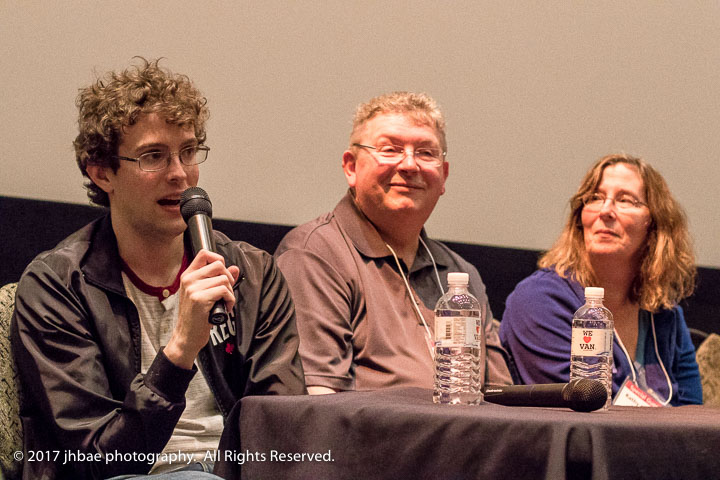
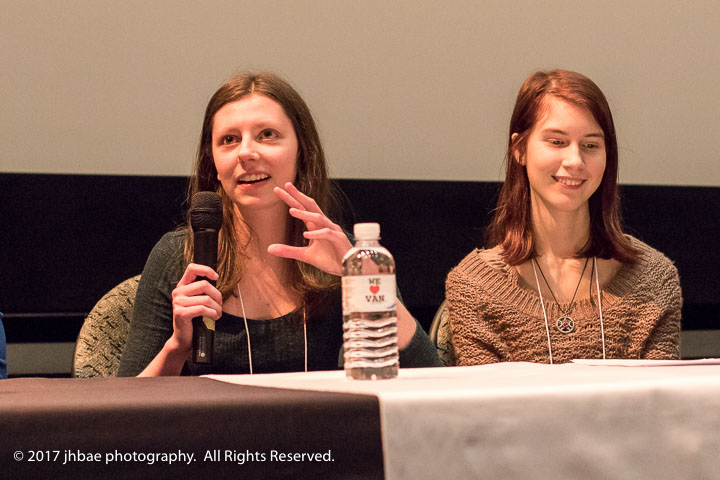
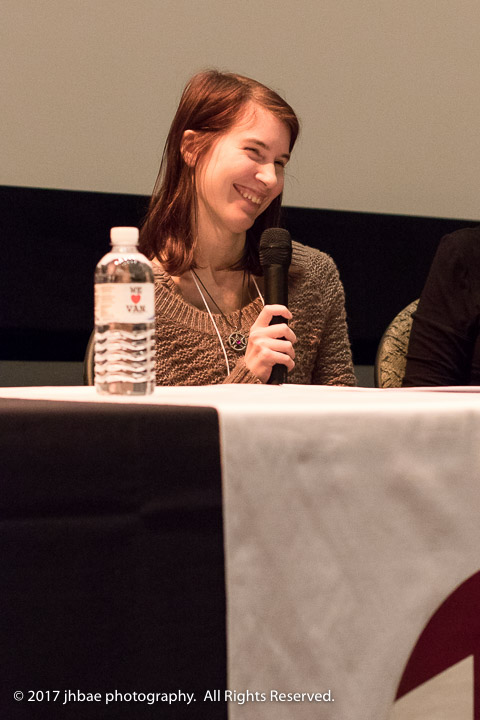
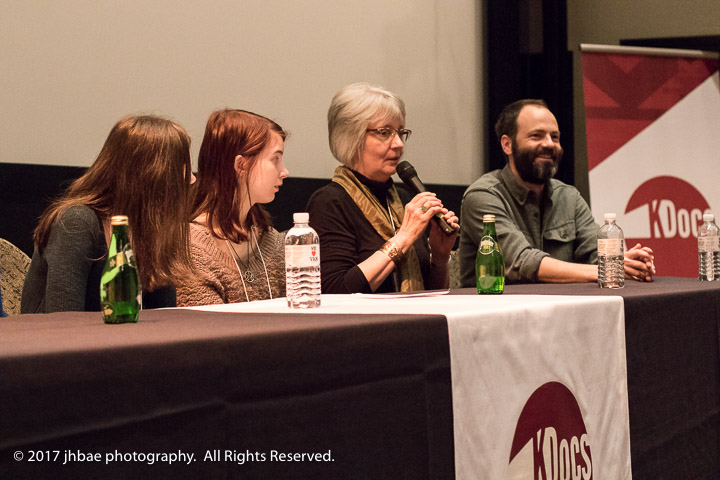
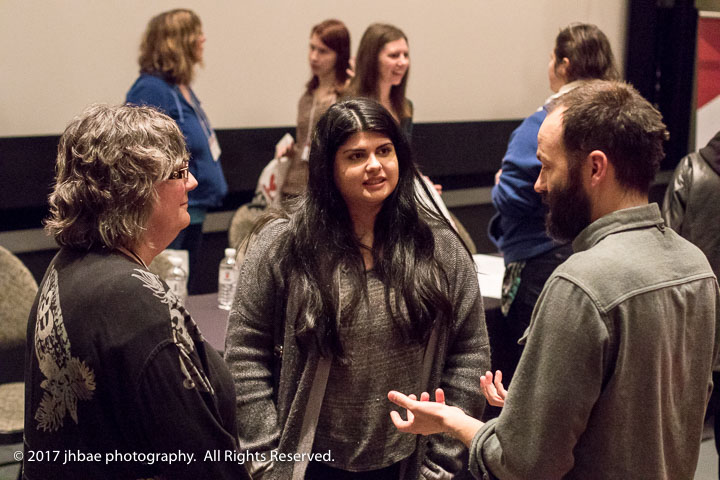
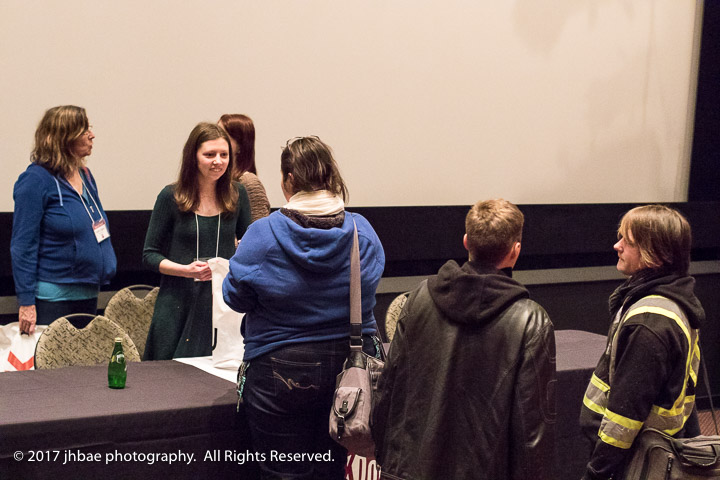
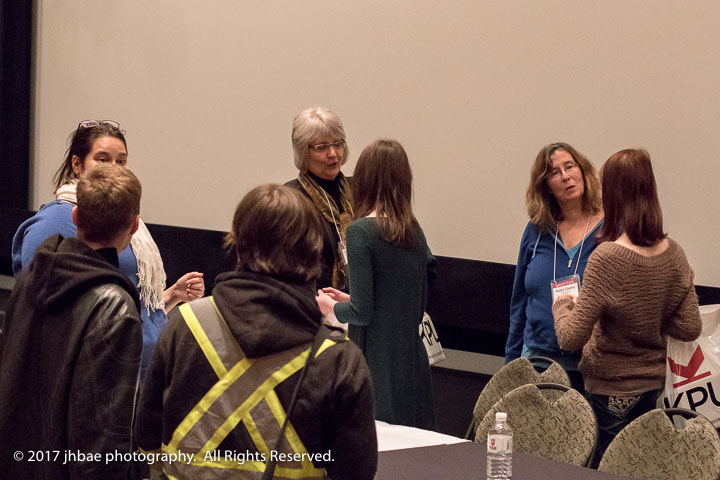
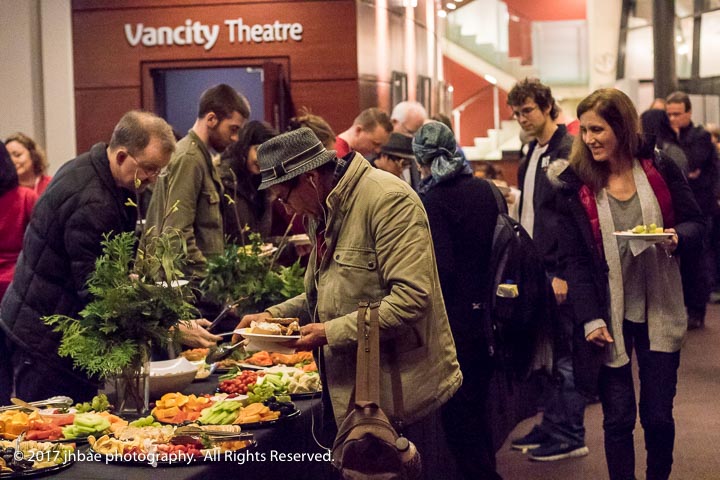
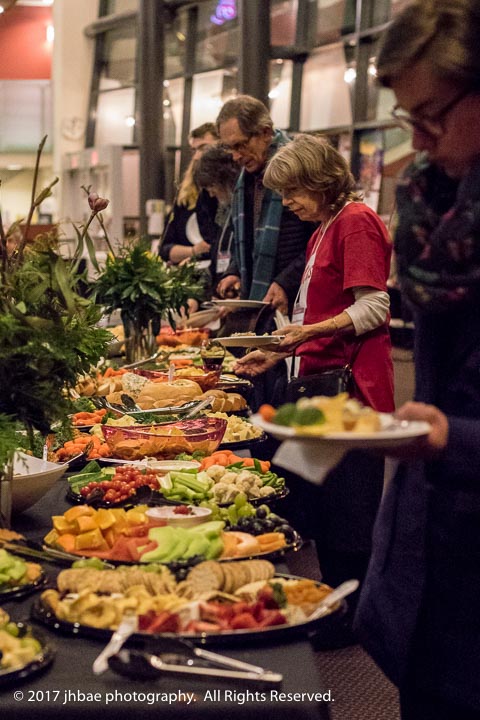
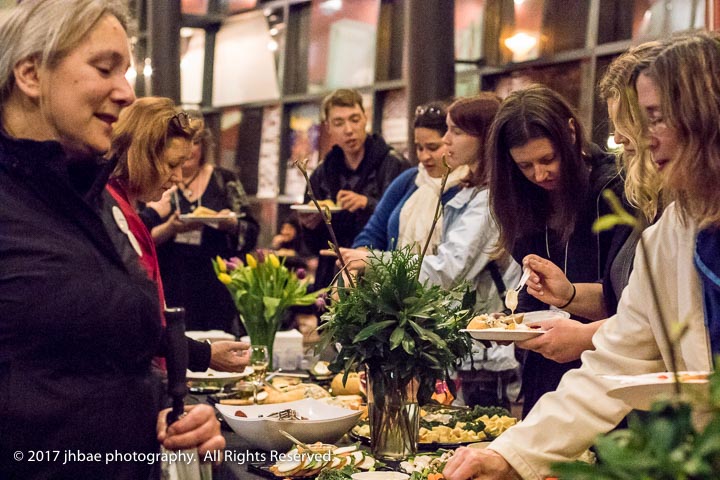
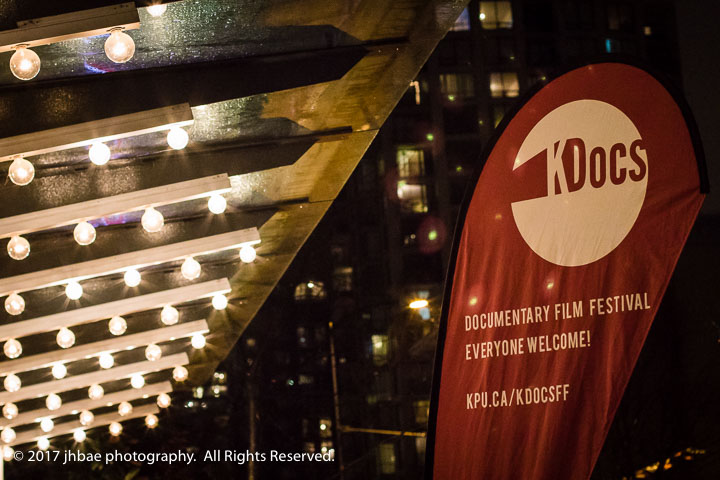
Courtesy of Kwantlen's Coast Capital Library, you can read a bibliographic listing of additional resources for Racing Extinction; How to Let Go of the World and Love All the Things Climate Can’t Change; The Pass System; After the Last River; We Call Them Intruders; Lo and Behold: Reveries of the Connected World; Do Not Resist; After Spring; Migrant Dreams; Sonita; Life, Animated; and Wizard Mode.
A Special KDocs Screening: Flin Flon Flim Flam
KDocs hosted a free on-campus screening and panel discussion of John Dougherty's Flin Flon Flim Flam on January 26, 2017.
SPECIAL GUEST: John Dougherty, Investigative Reporter, Business and Political Writer, Columnist, Publisher, and Director, Flin Flon Flim Flam
PANELISTS: John Dougherty, Director, Flin Flon Flim Flam; Paul Richard, Chair, KPU Environmental Protection Program; Kate Murray, Member, Mining Justice Alliance; Bjorn Stime, Stop the Institute
LOCATION: Fir 128, KPU Surrey Campus
About the Film:
"InvestigativeMEDIA turns its unflinching focus on Canadian miner Hudbay Minerals Inc. and its controversial plans to construct the massive Rosemont open-pit copper mine in the Santa Rita Mountains on the Coronado National Forest southeast of Tucson. InvestigativeMEDIA’s John Dougherty documents Hudbay’s legacy of lead poisoning in a remote Manitoba community where the company operated a notorious copper smelter for 80 years. He then turns to Hudbay’s former operations in Guatemala where the company stands accused of murder, rape and shootings in a precedent setting civil trial. Dougherty travels to the Peruvian Andes documenting indigenous villagers occupying a mine site after Peruvian police beat and teargased protestors angry over Hudbay’s failure to abide by an agreement. Dougherty uncovers Hudbay’s misleading statements over its proposed Rosemont copper project and the ecological treasure that would be destroyed if the mine were constructed."
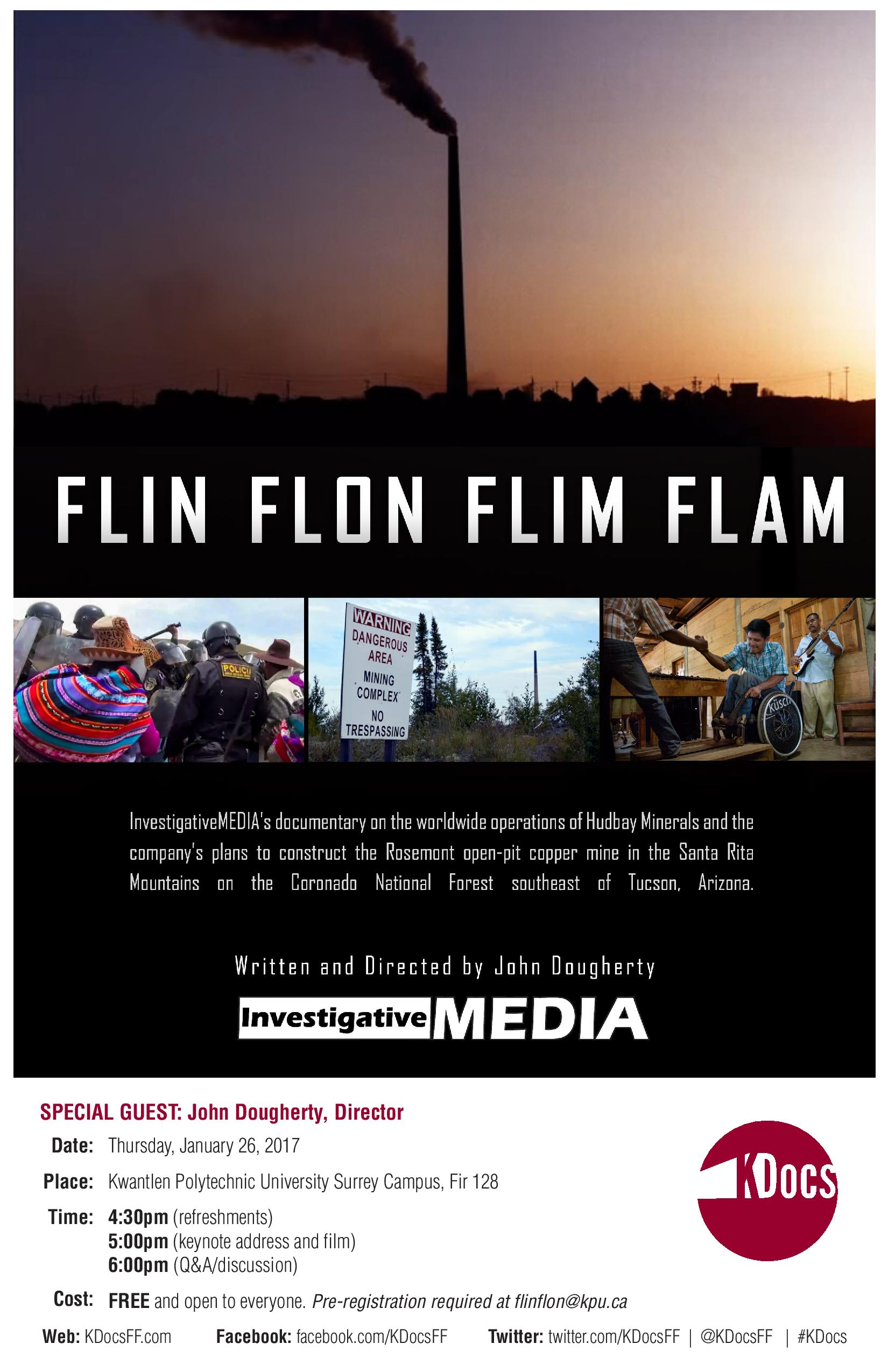
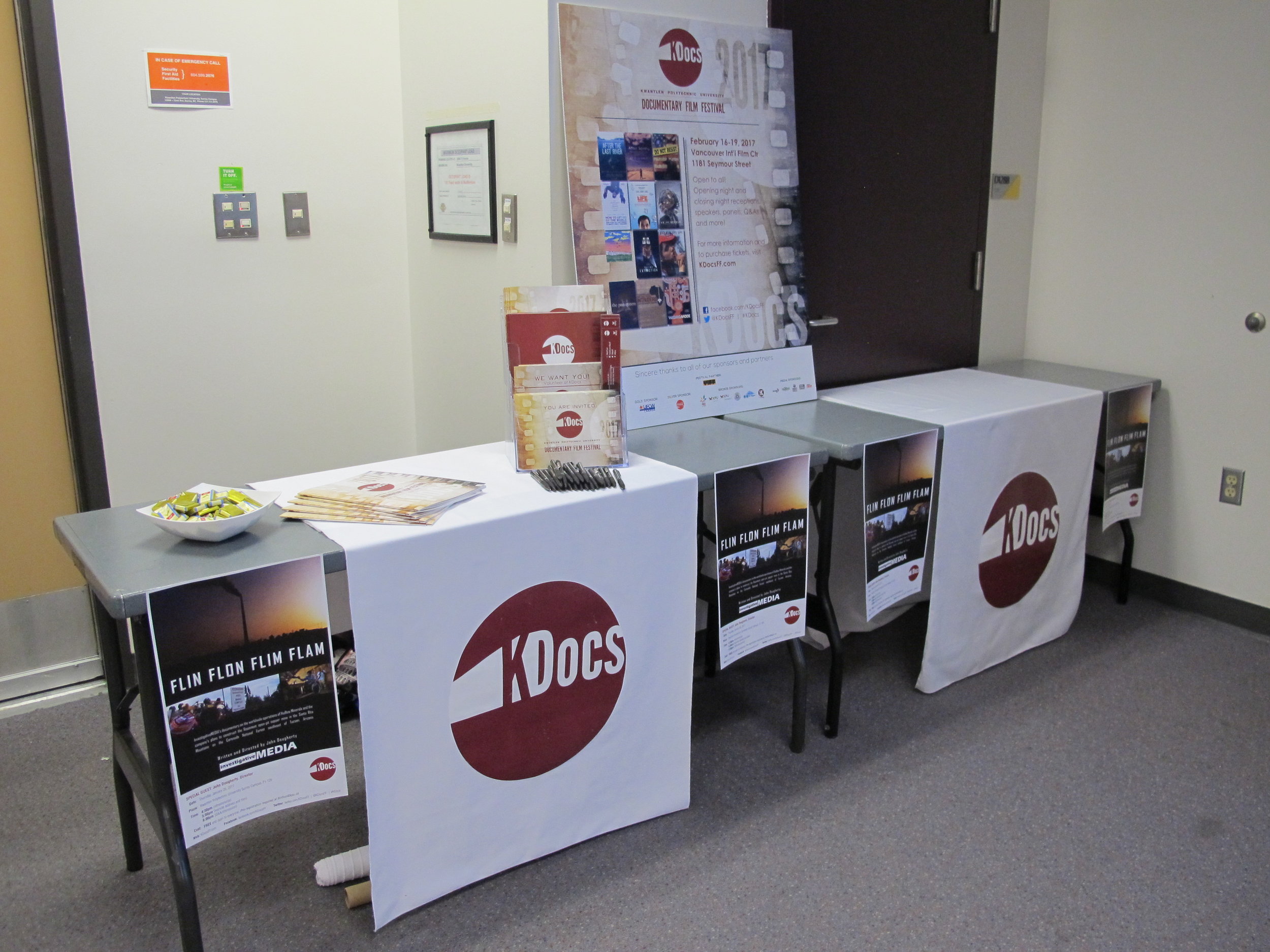
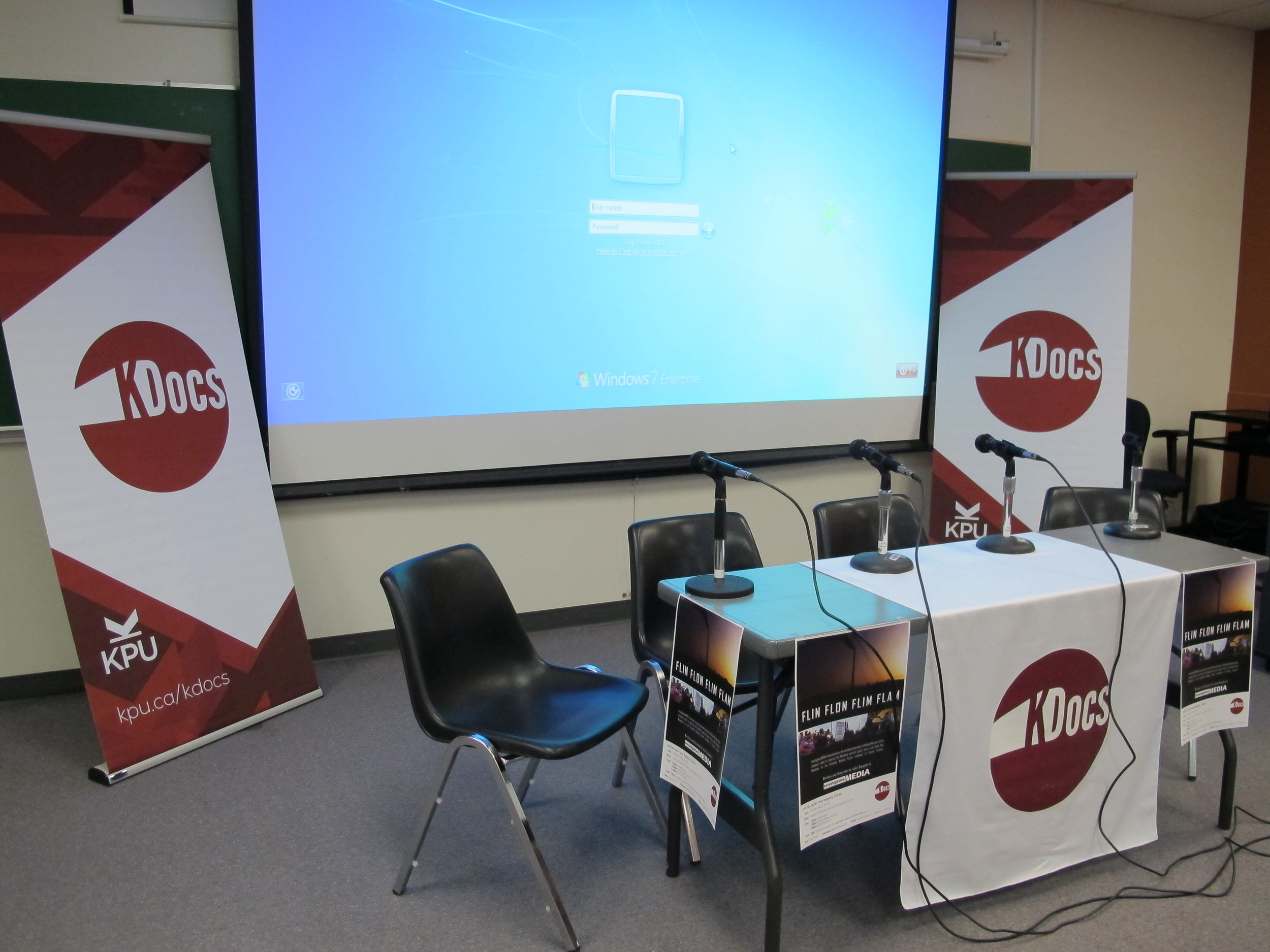
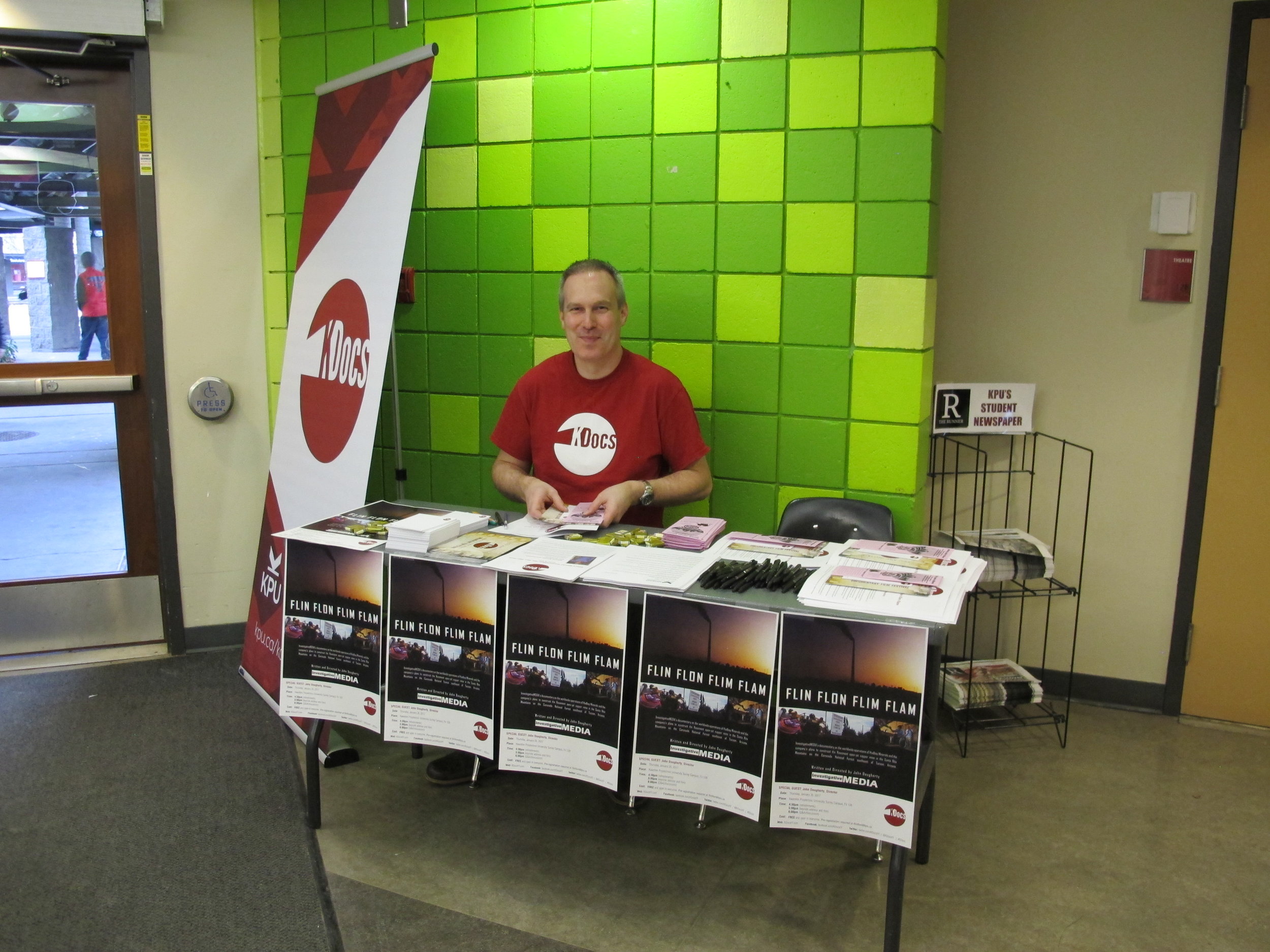
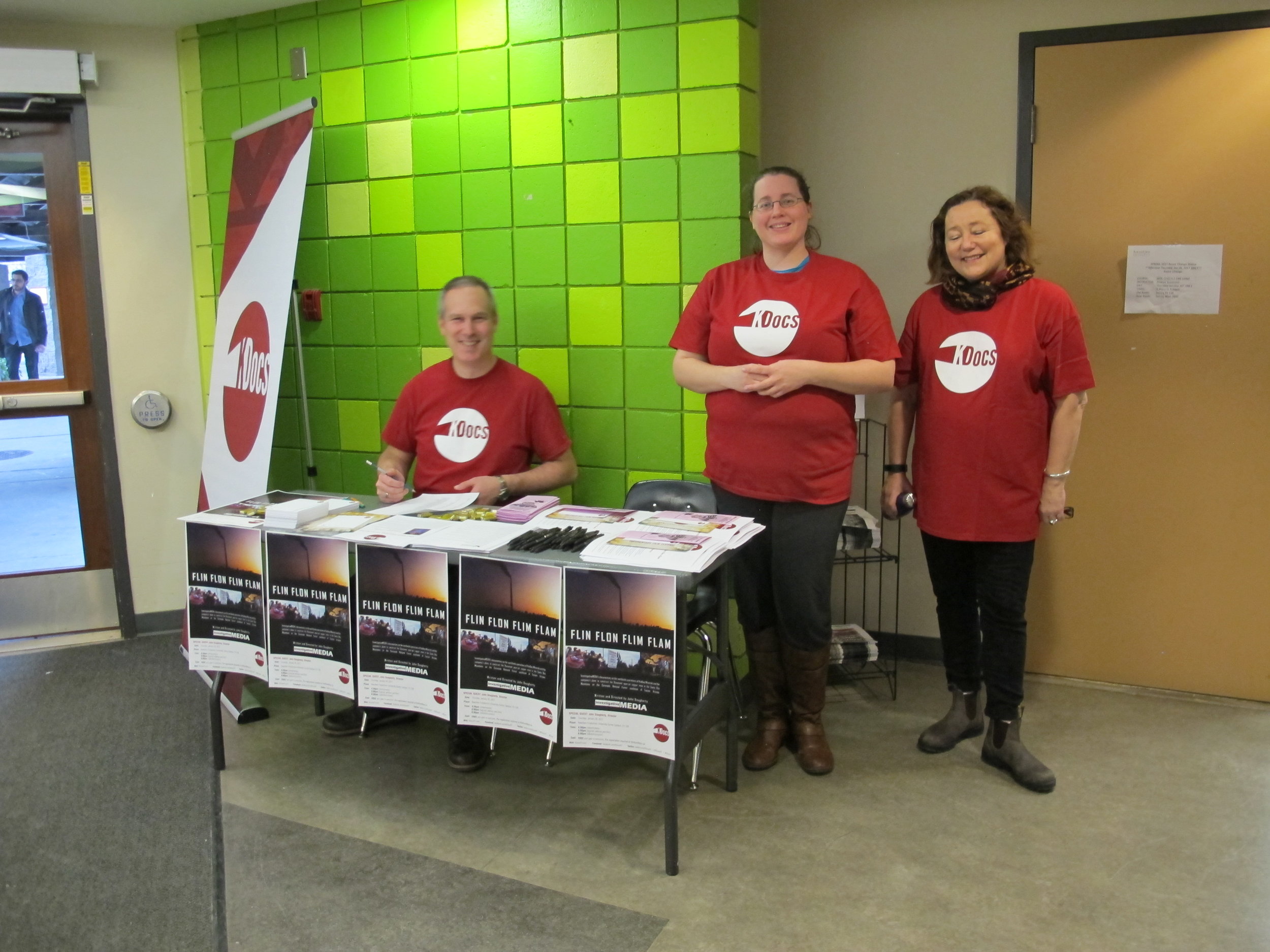
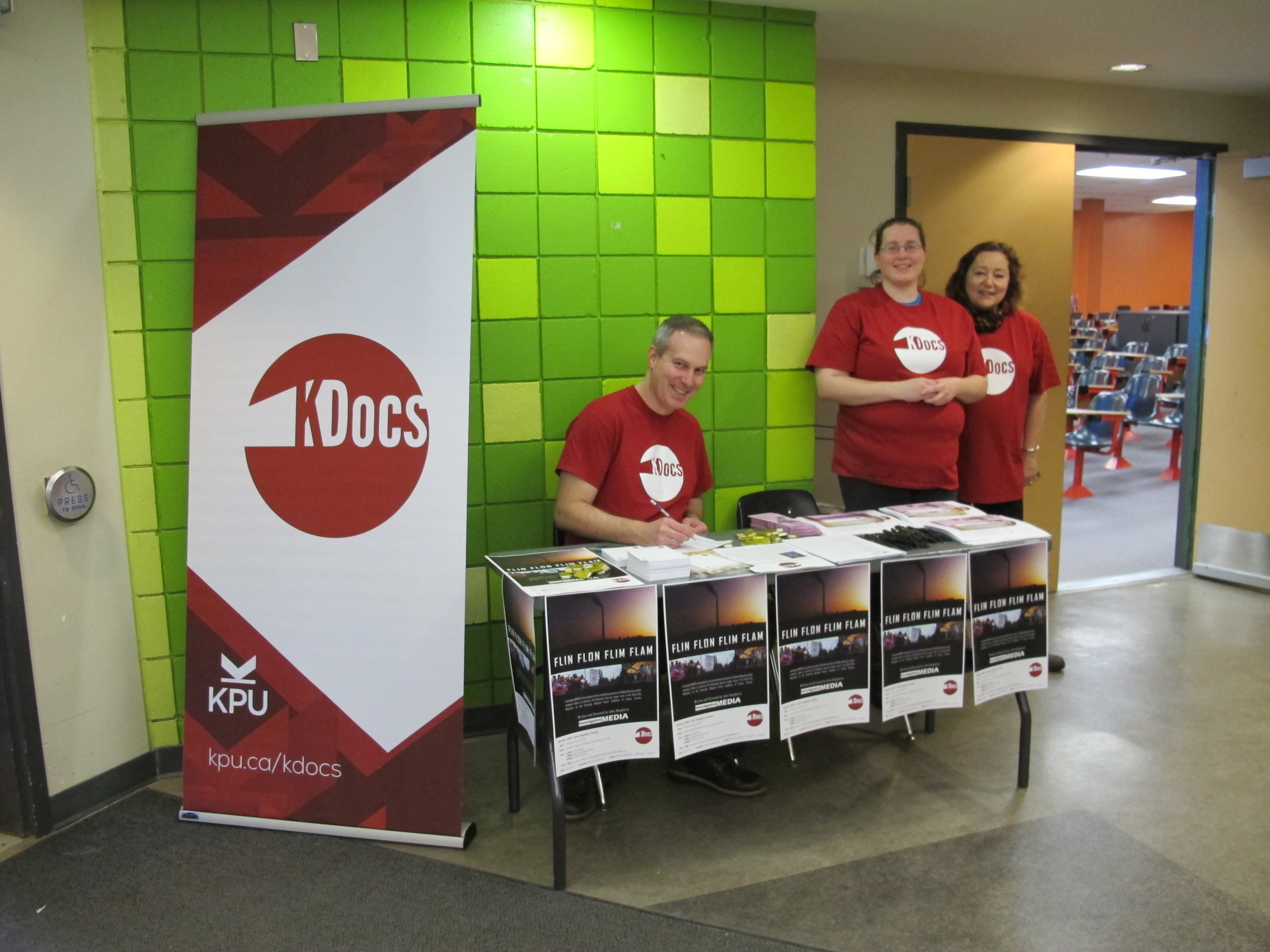
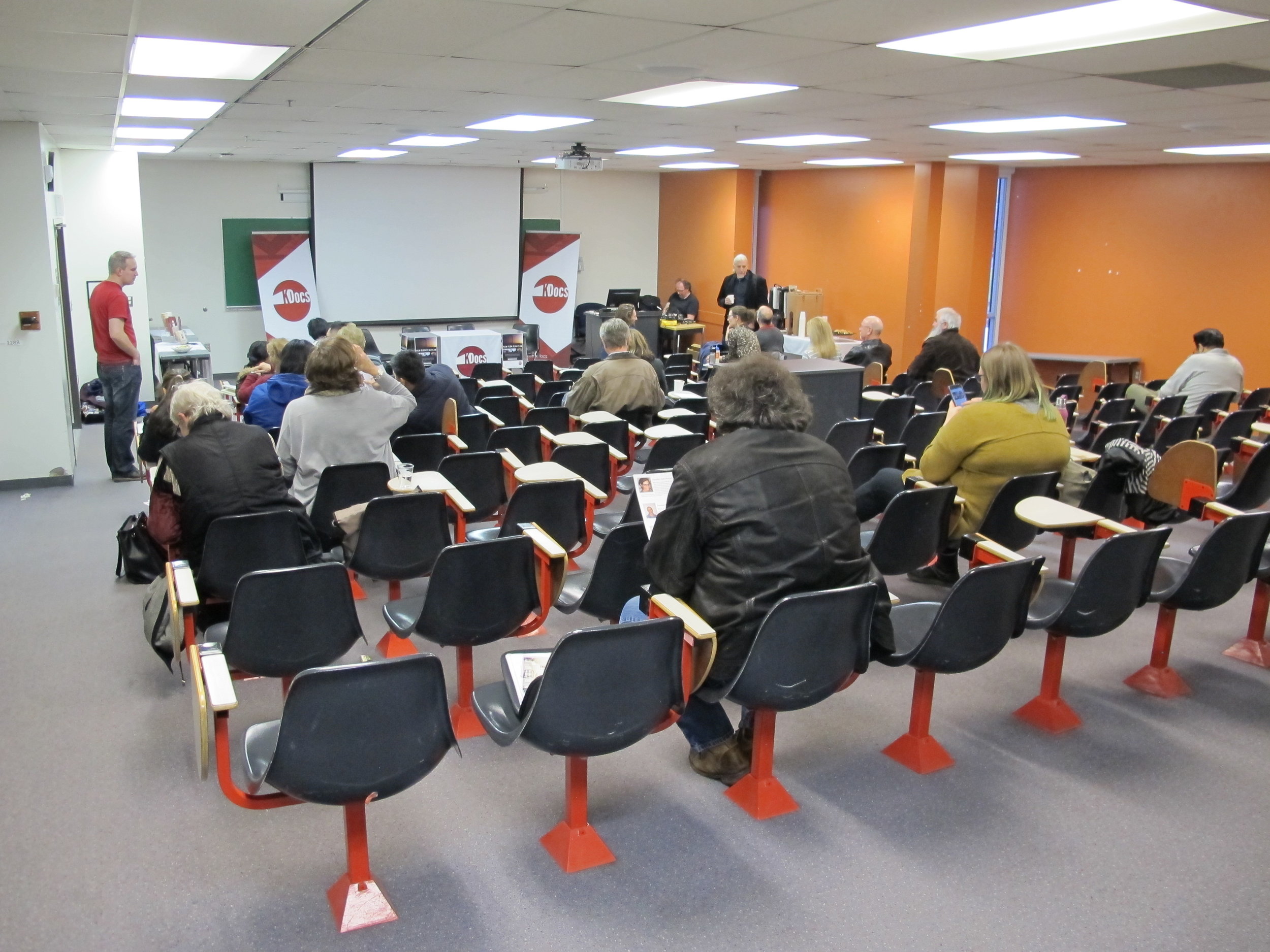
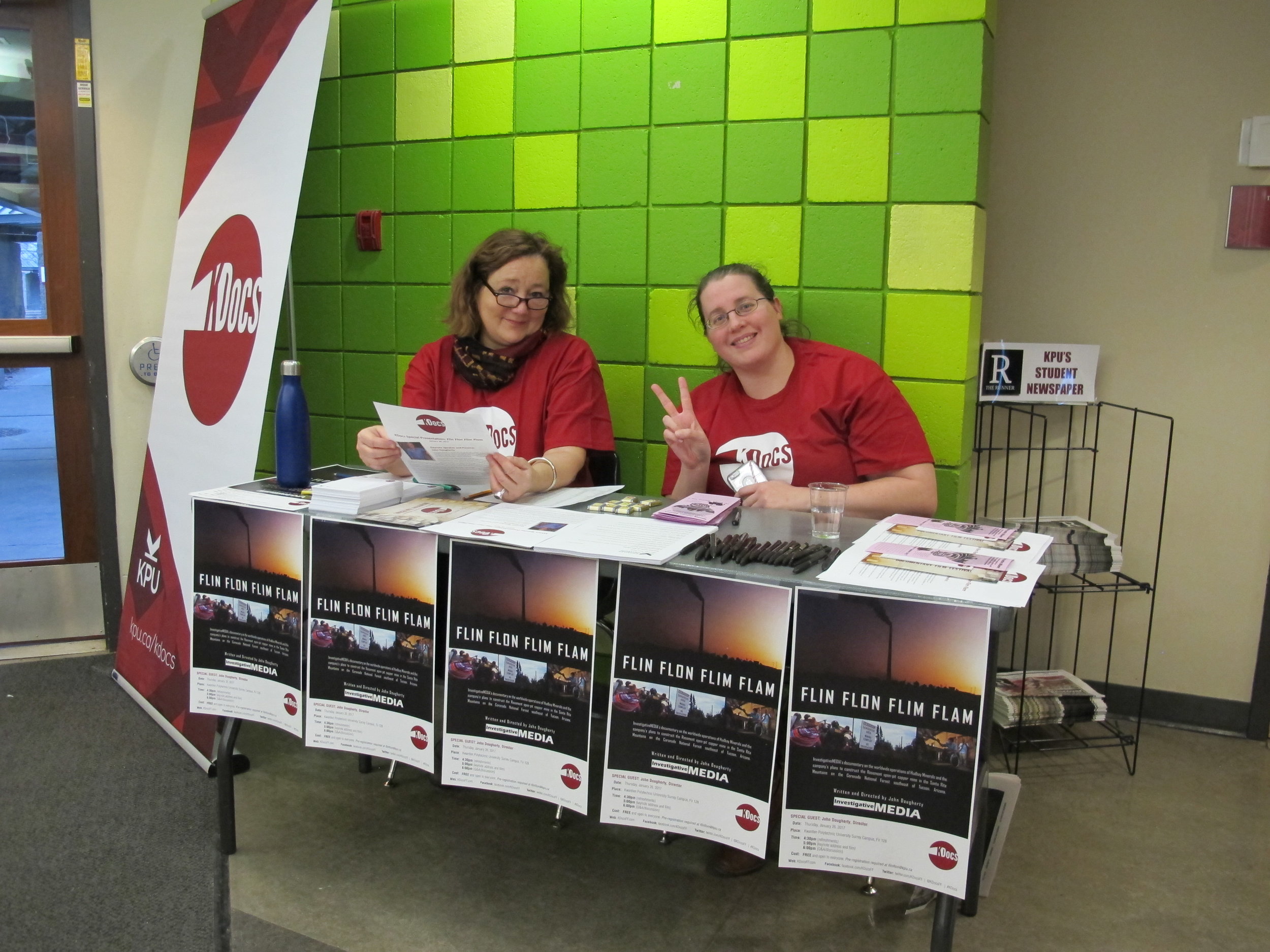
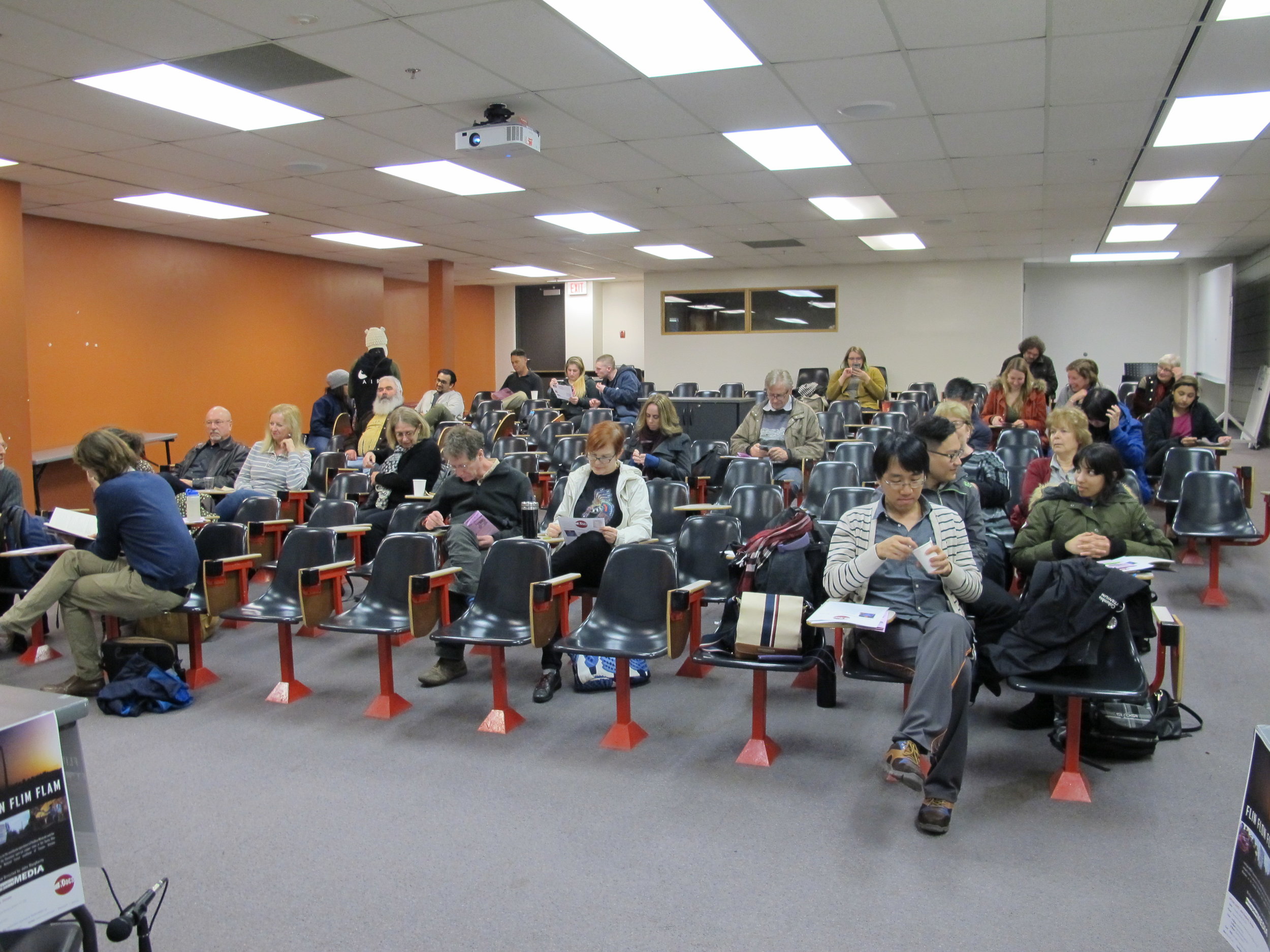
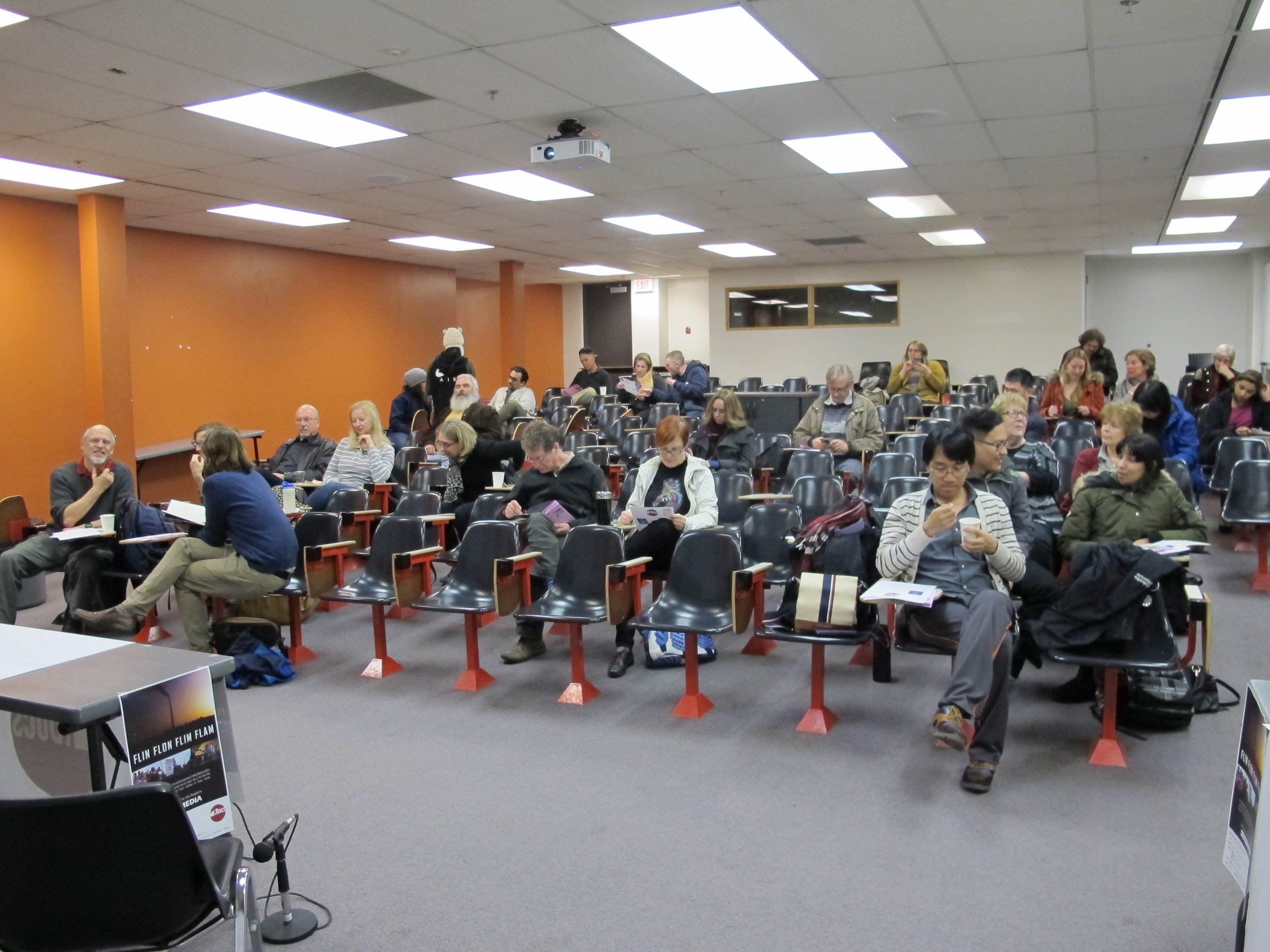
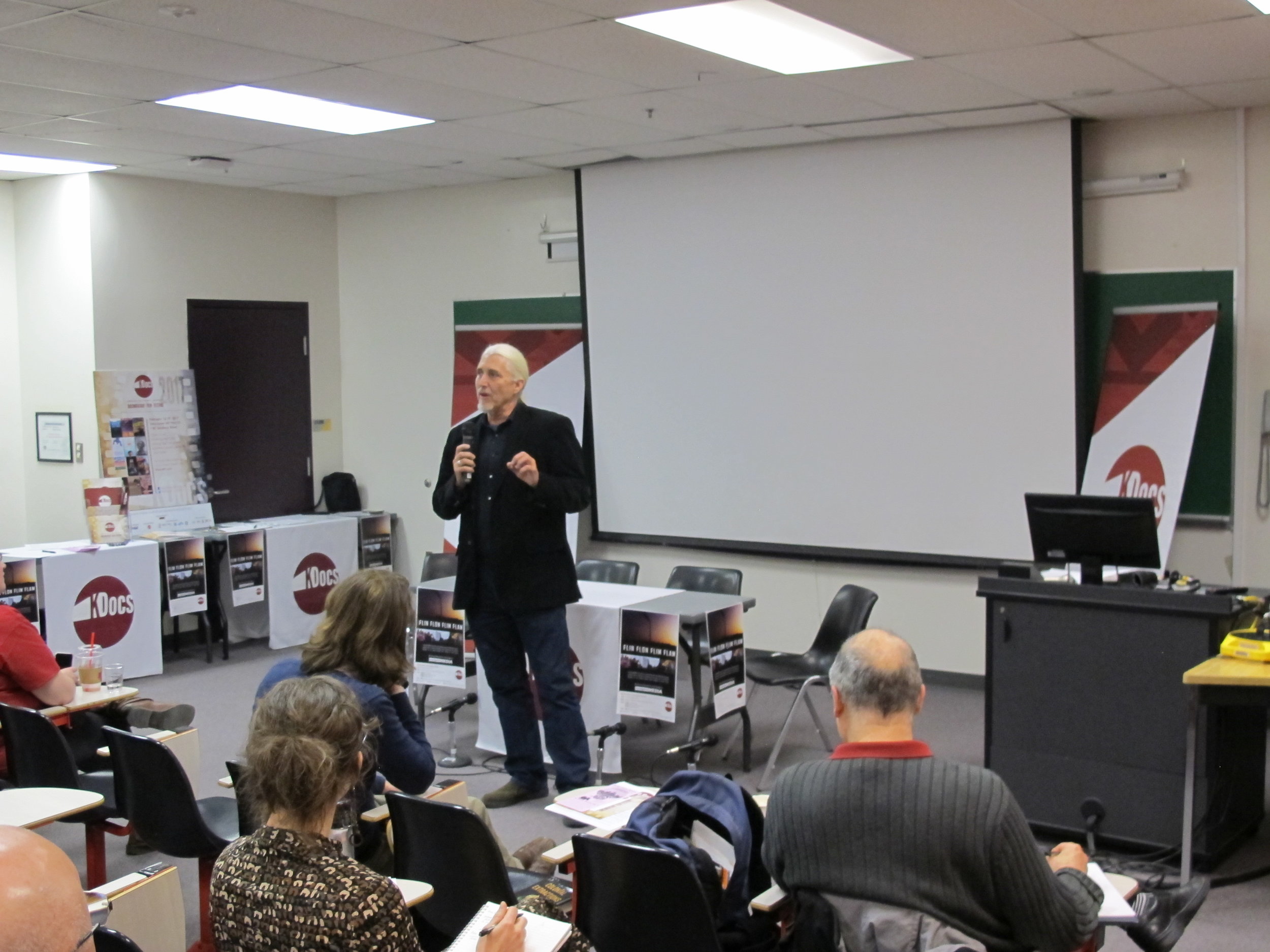
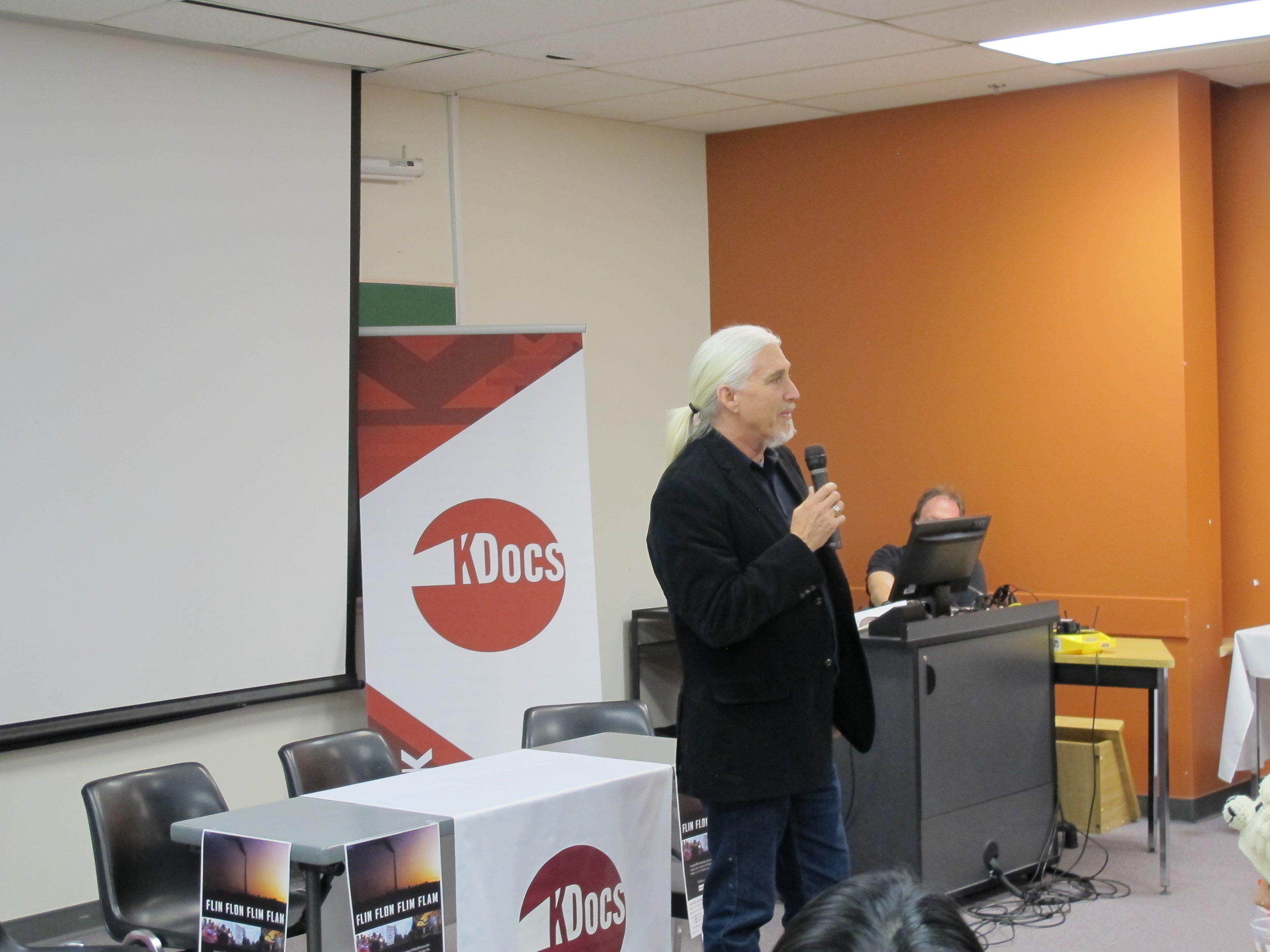
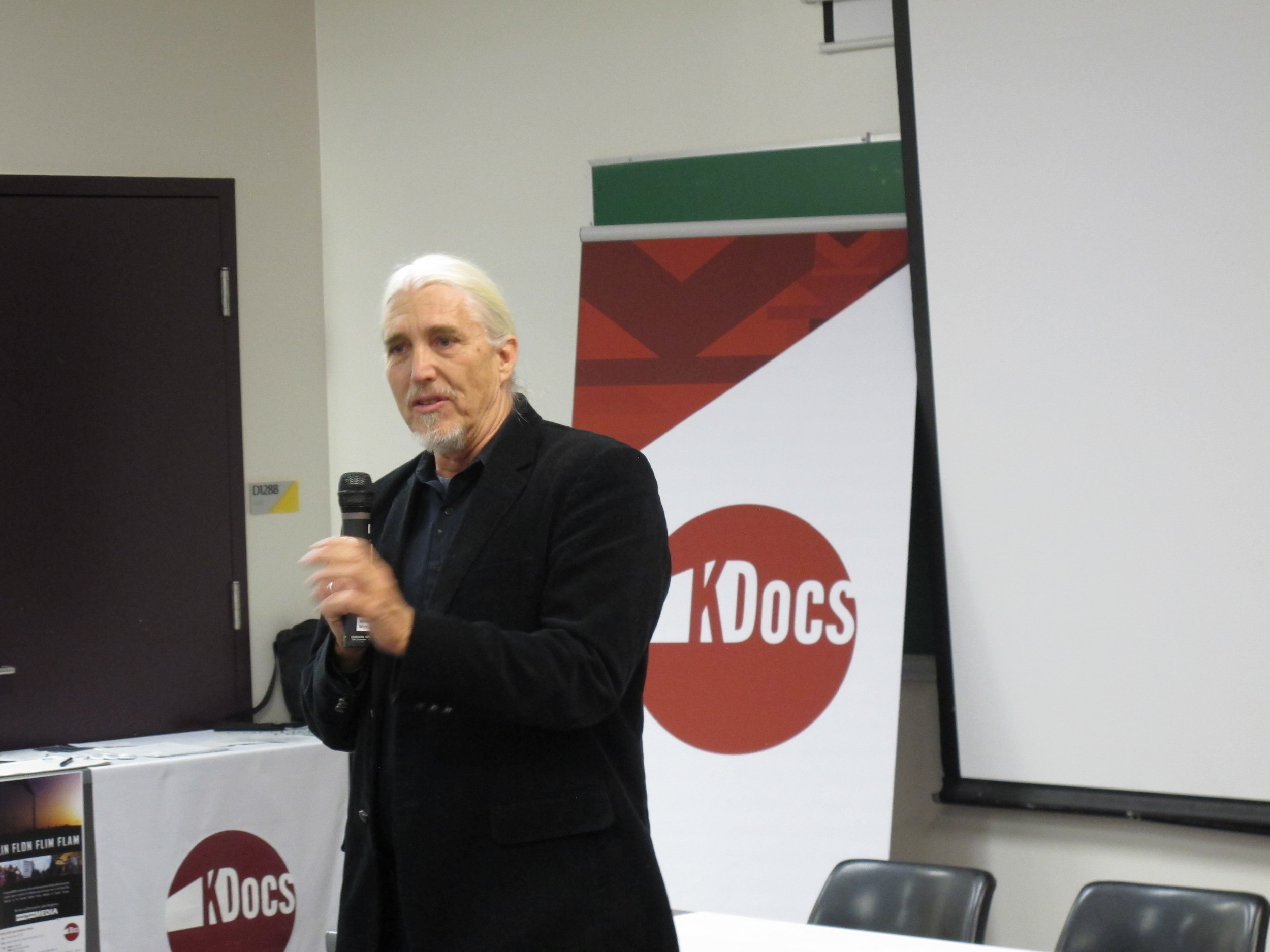

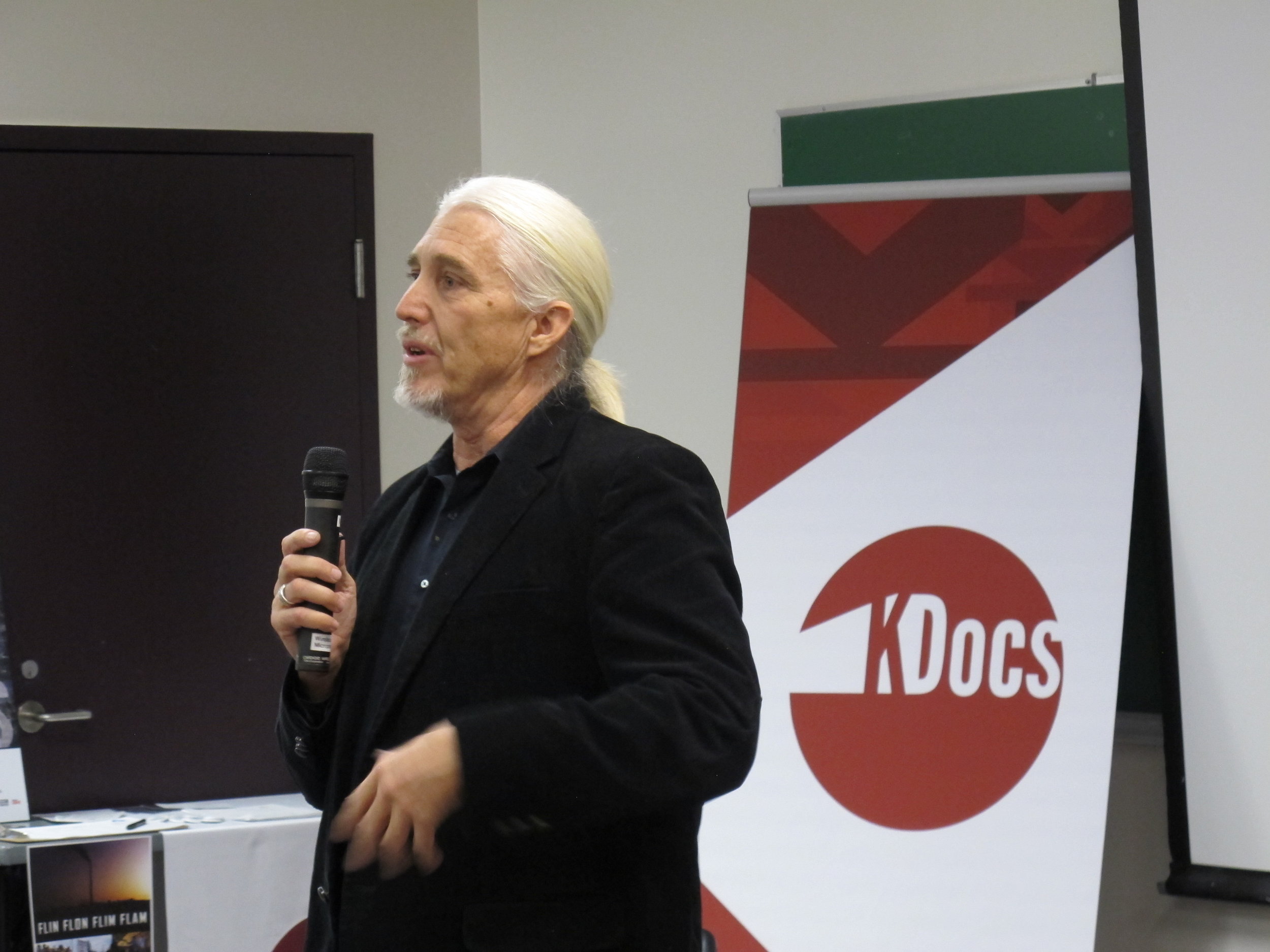
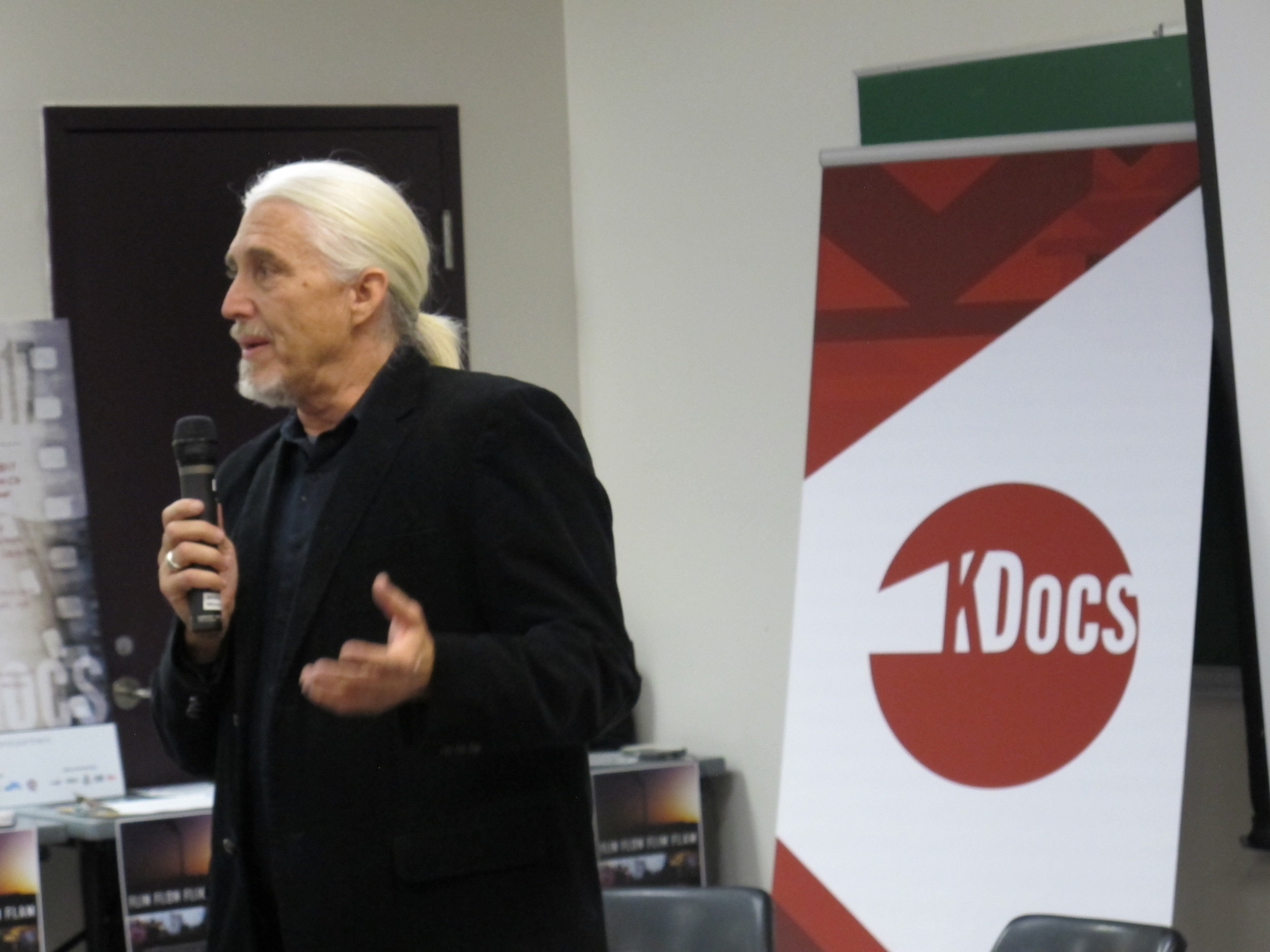
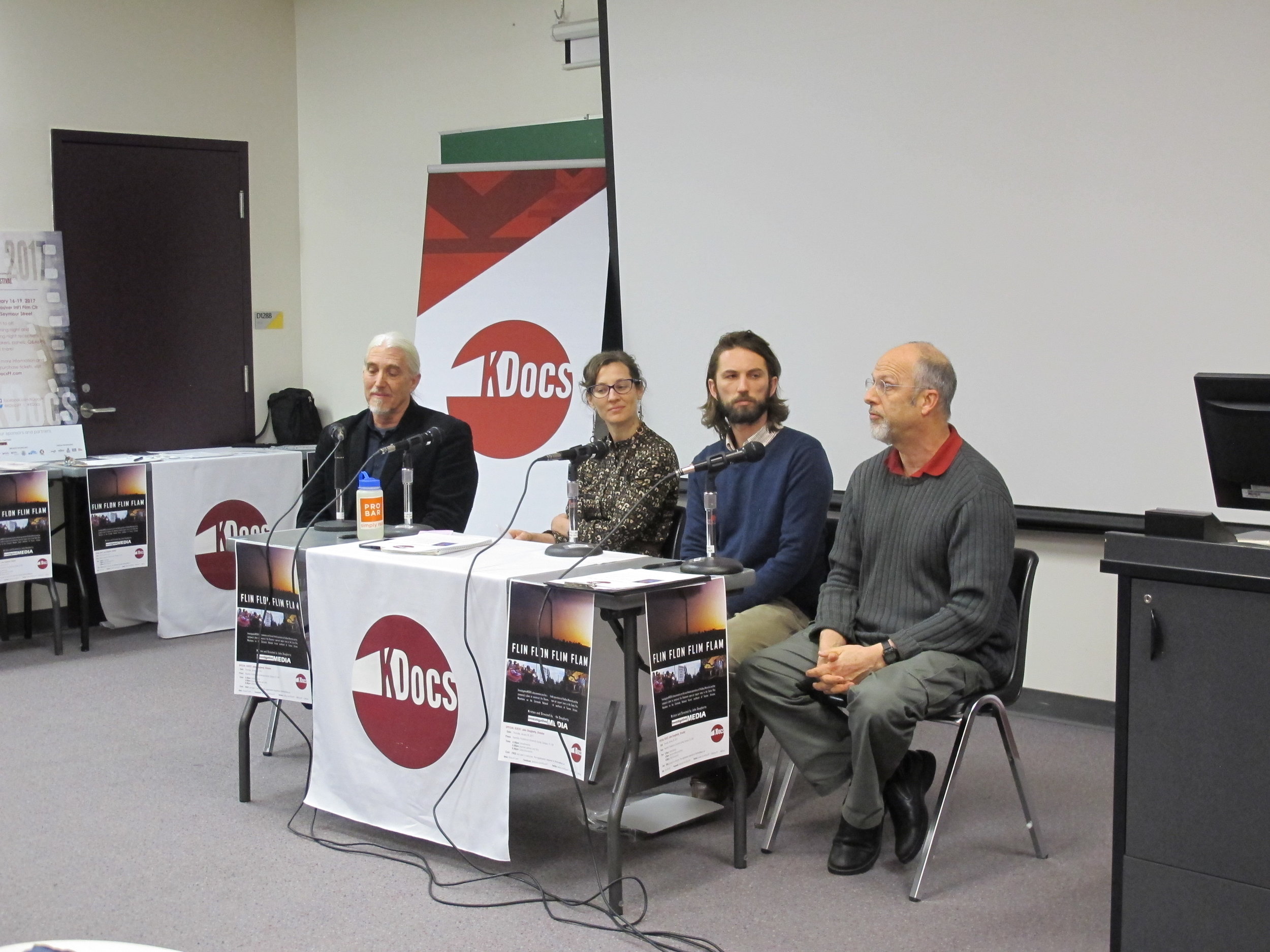
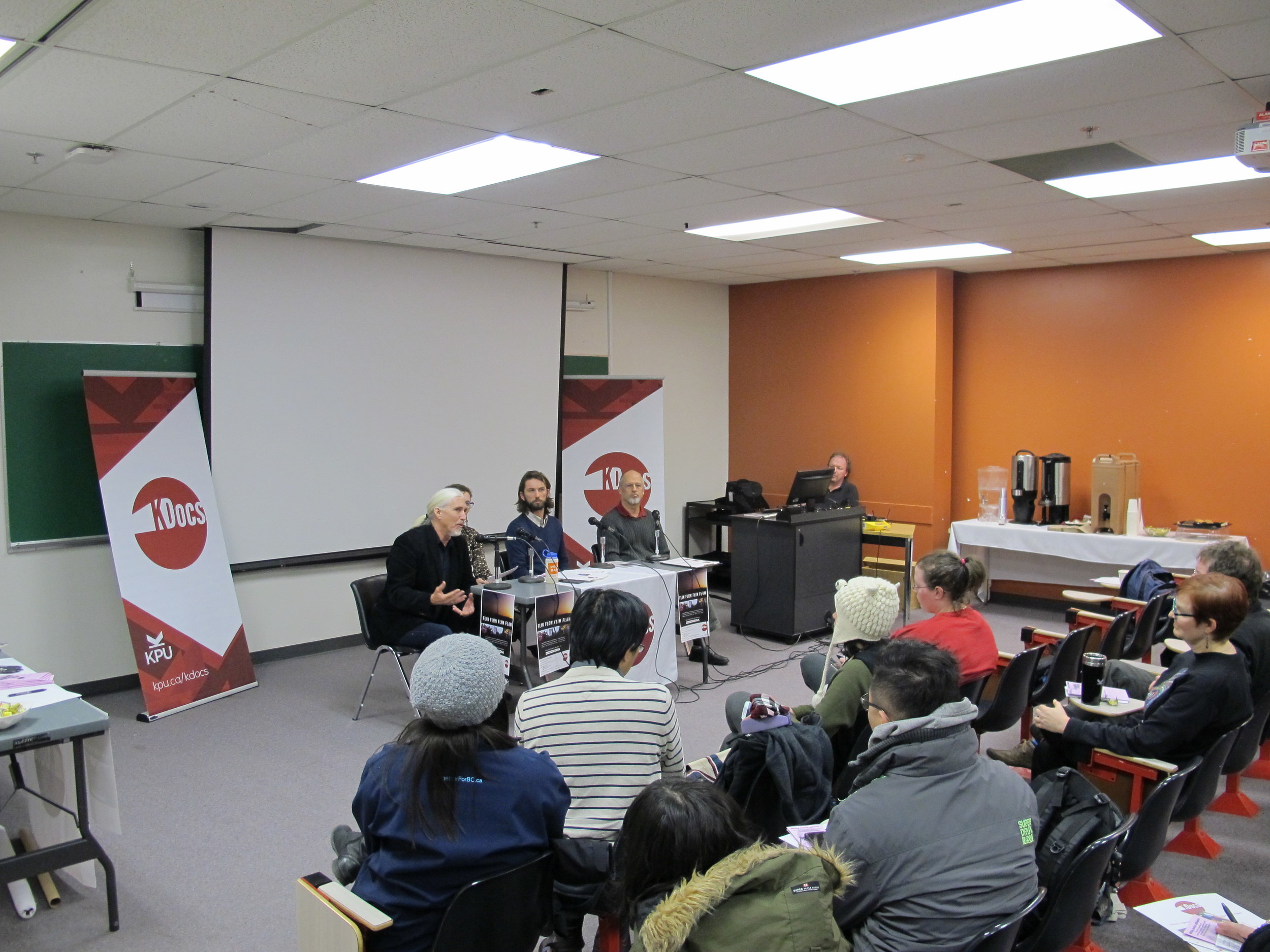
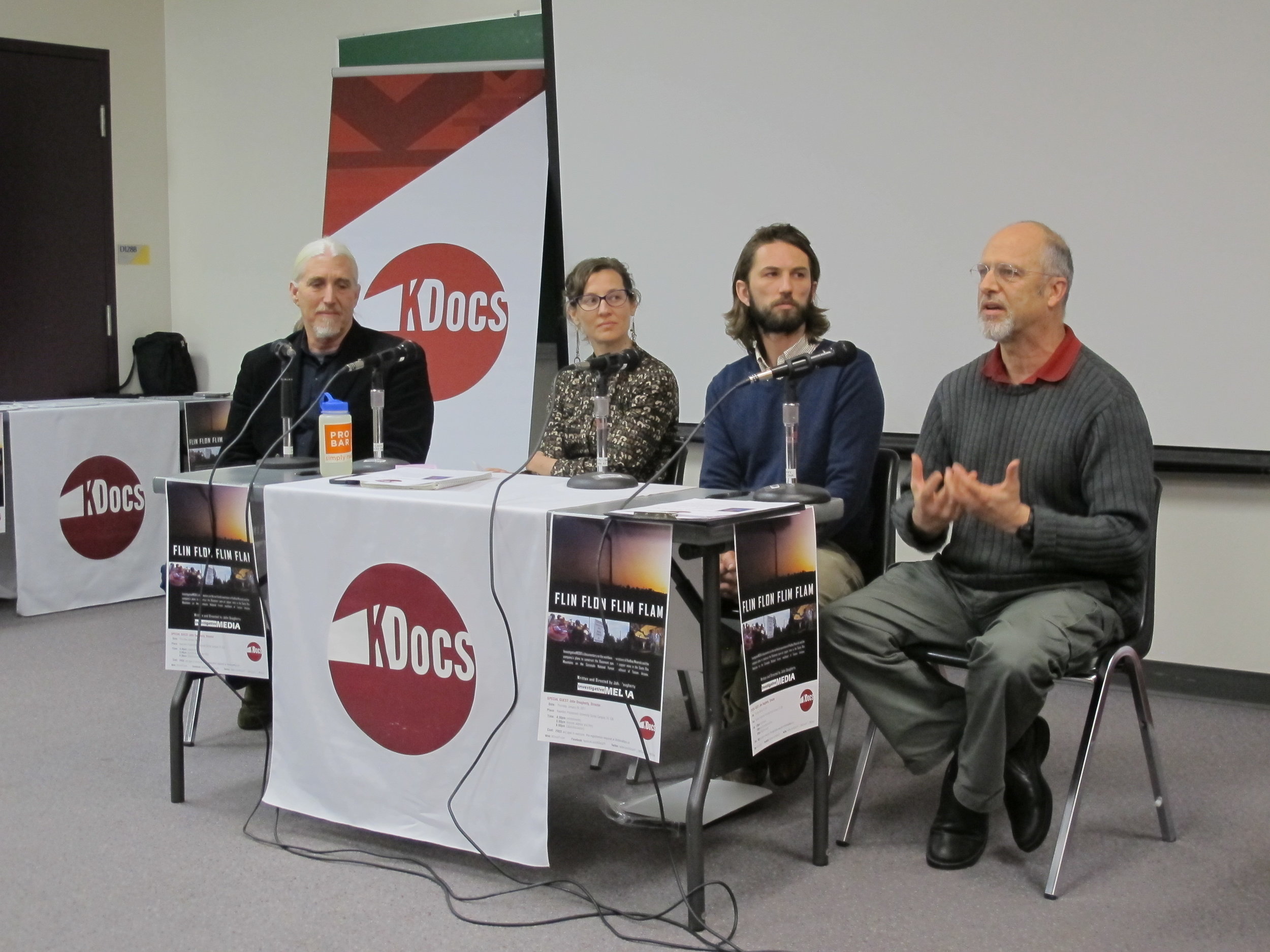
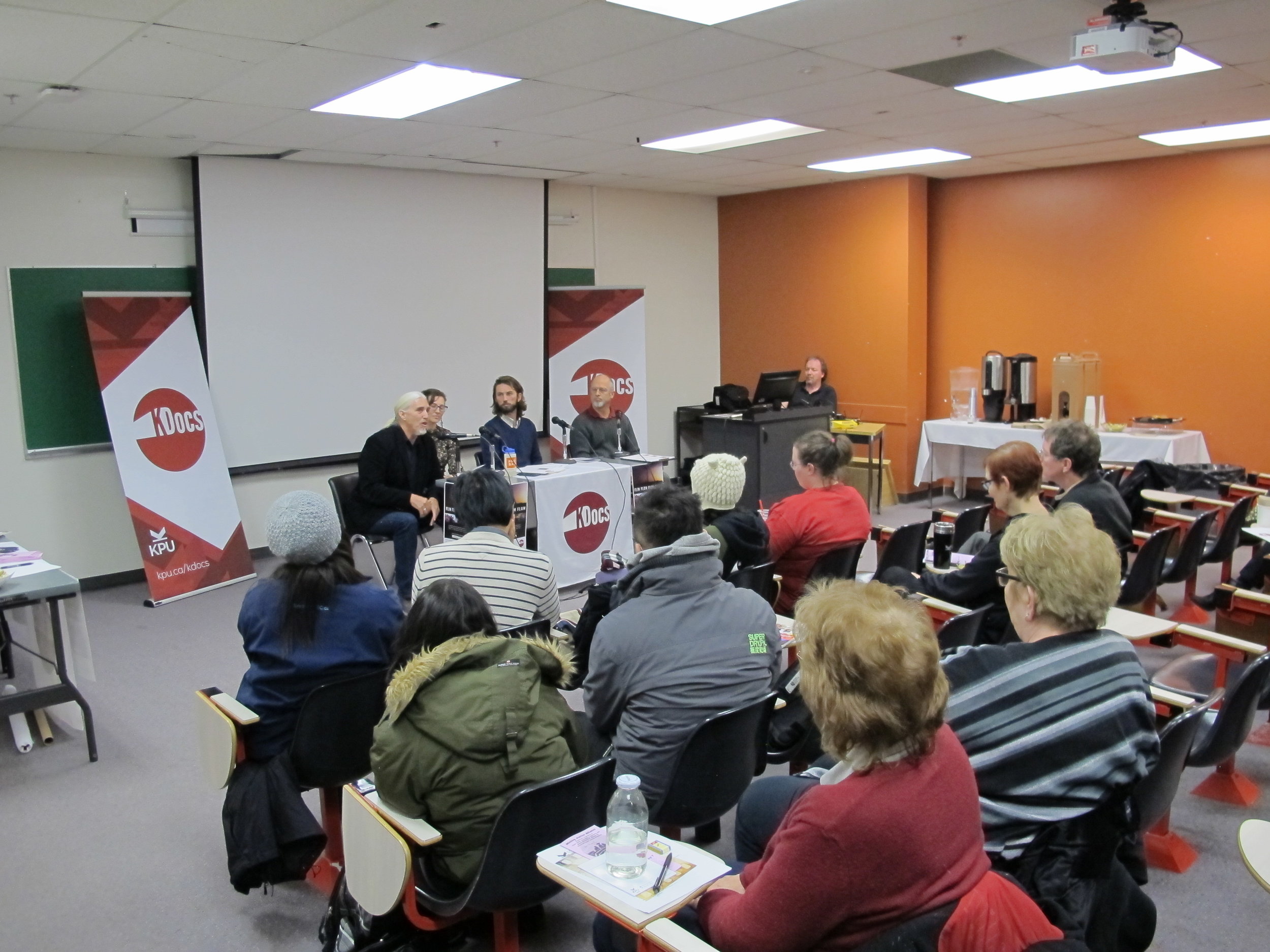
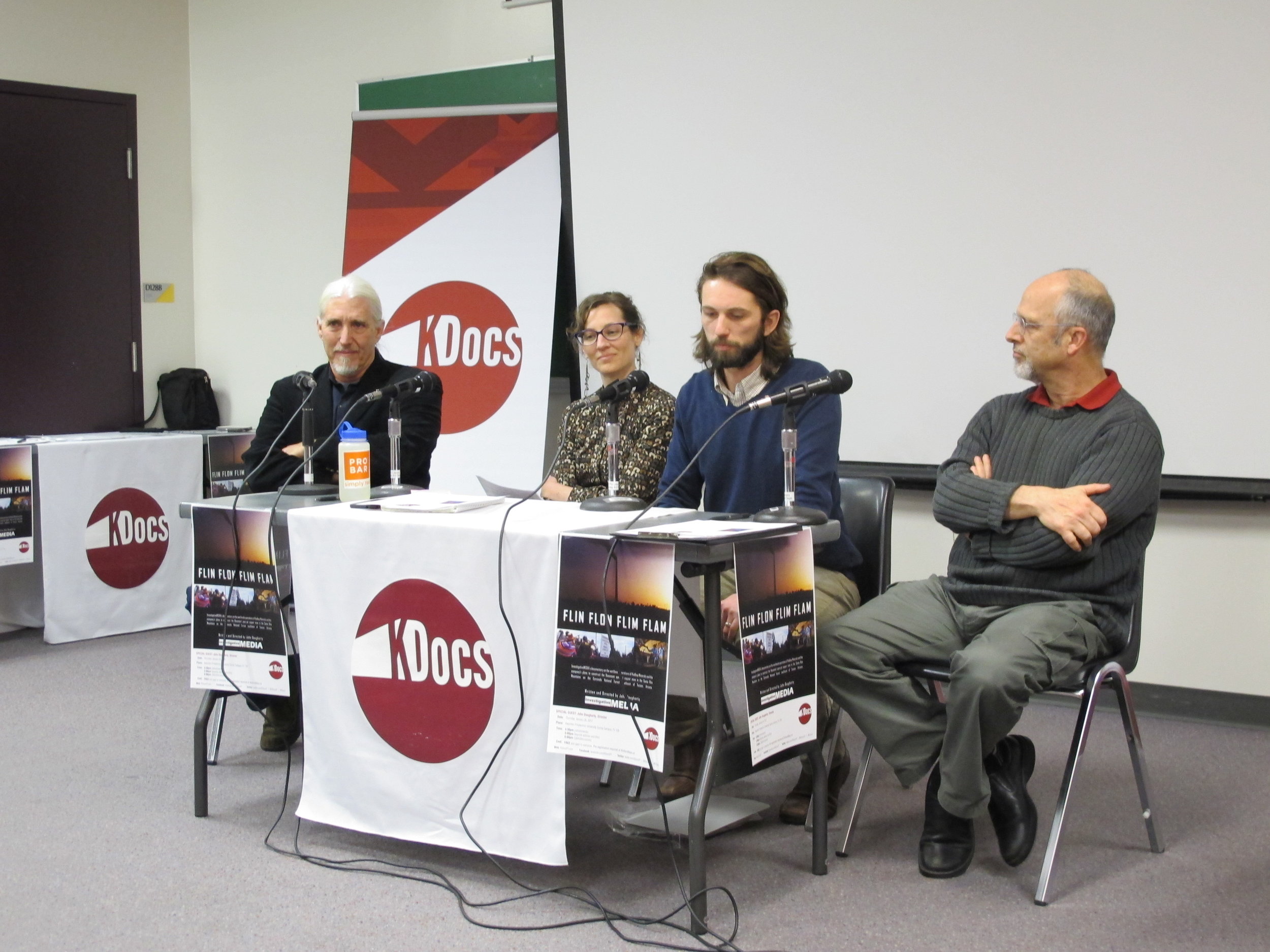
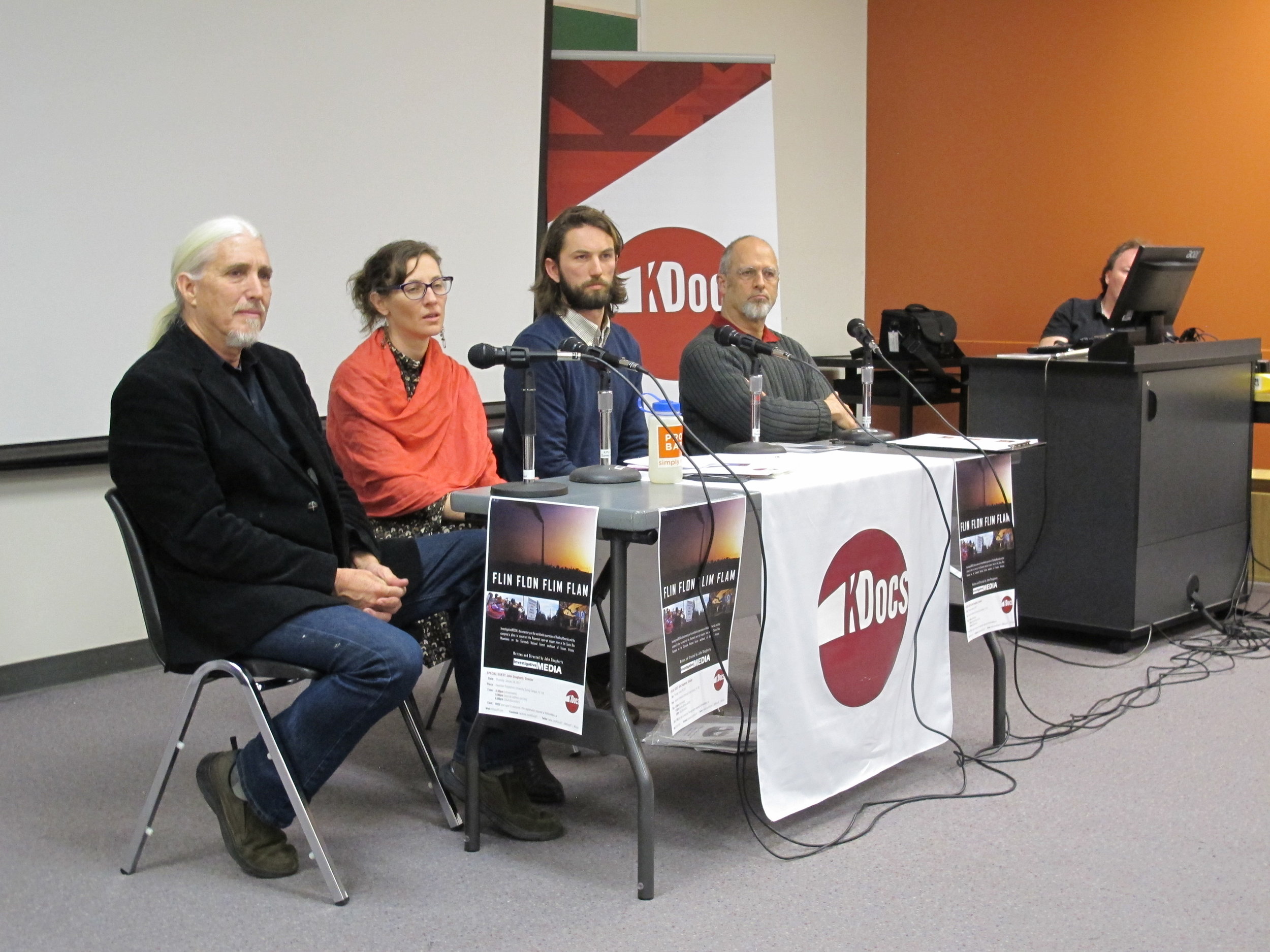
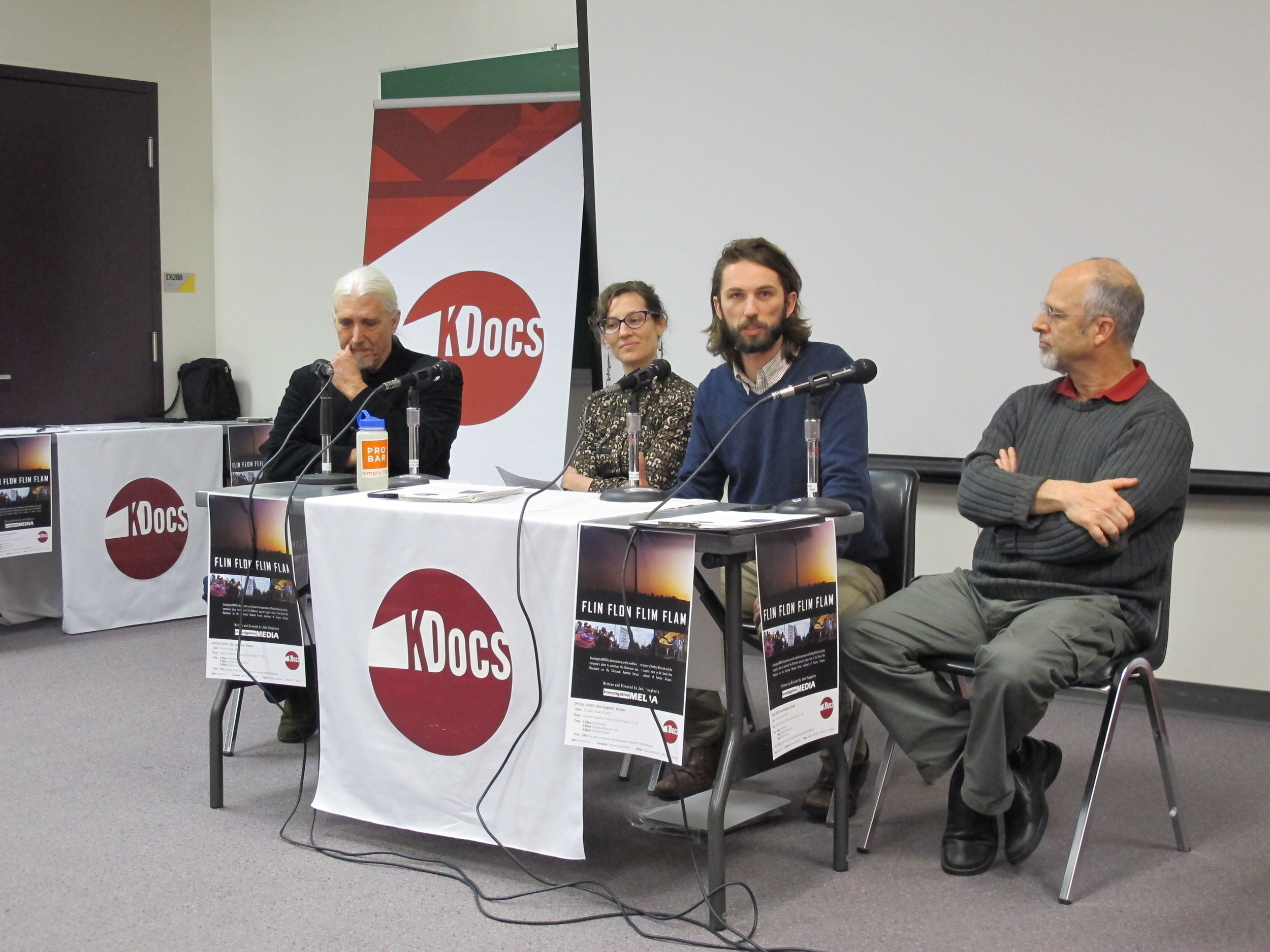
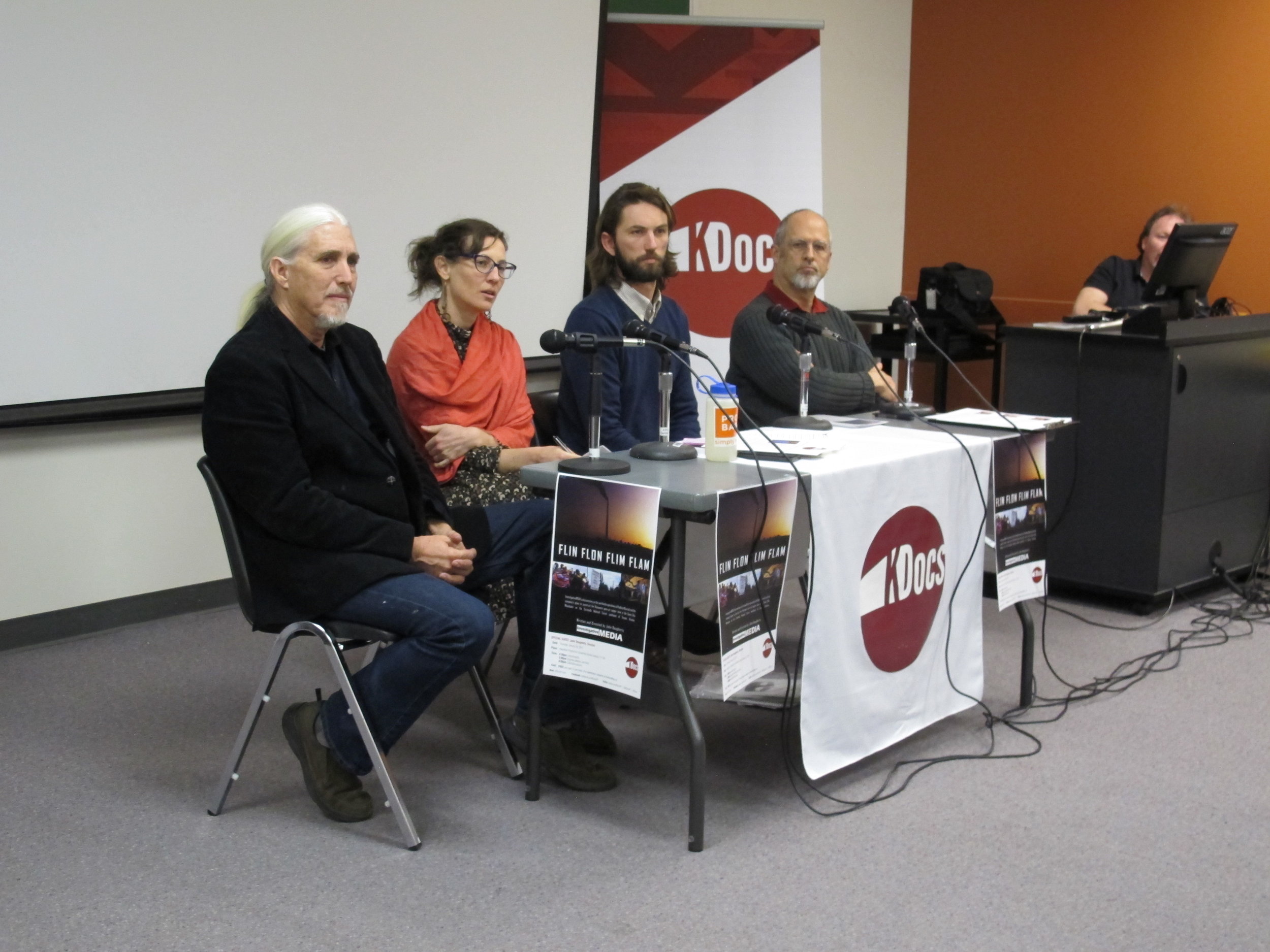
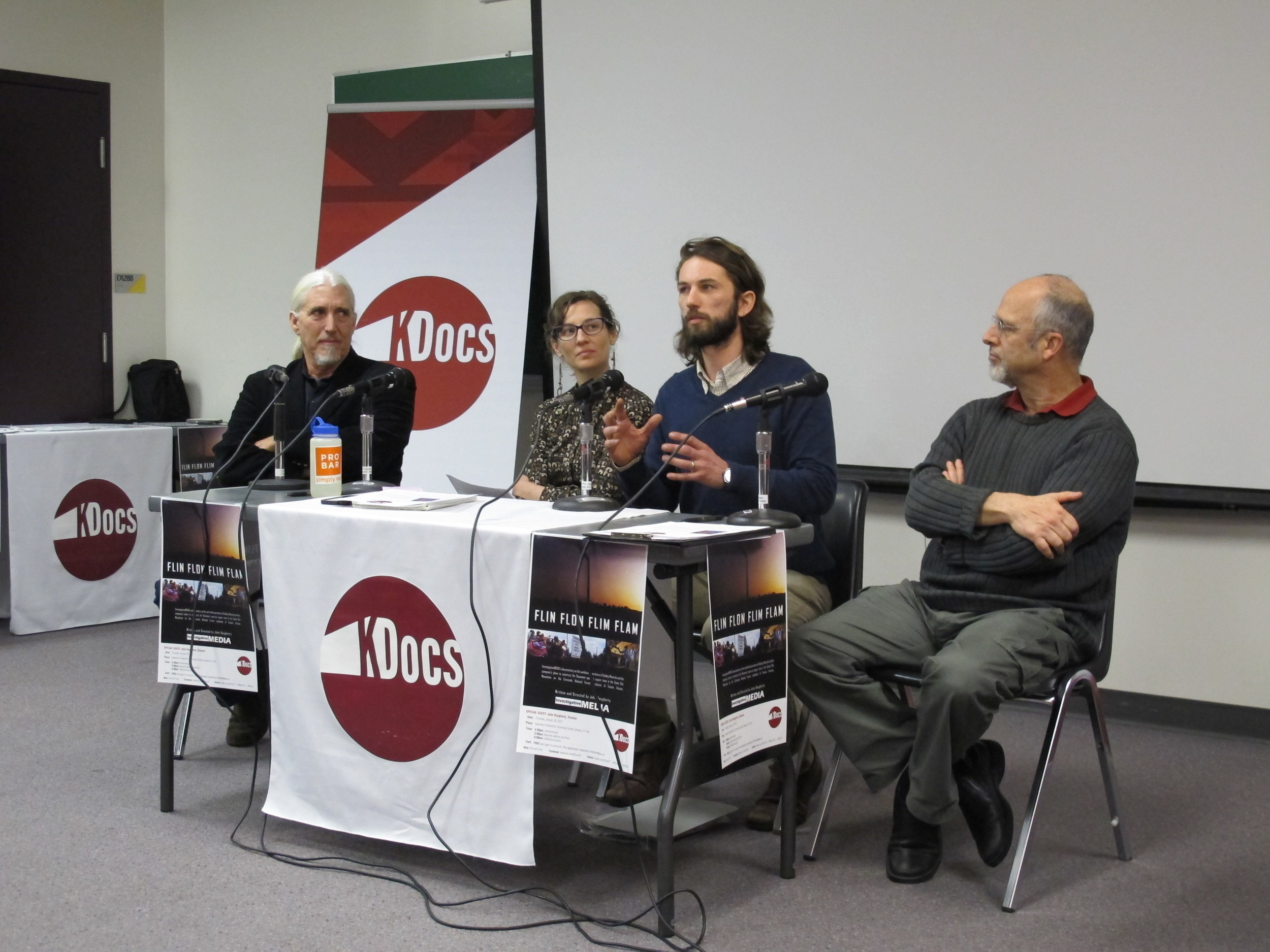
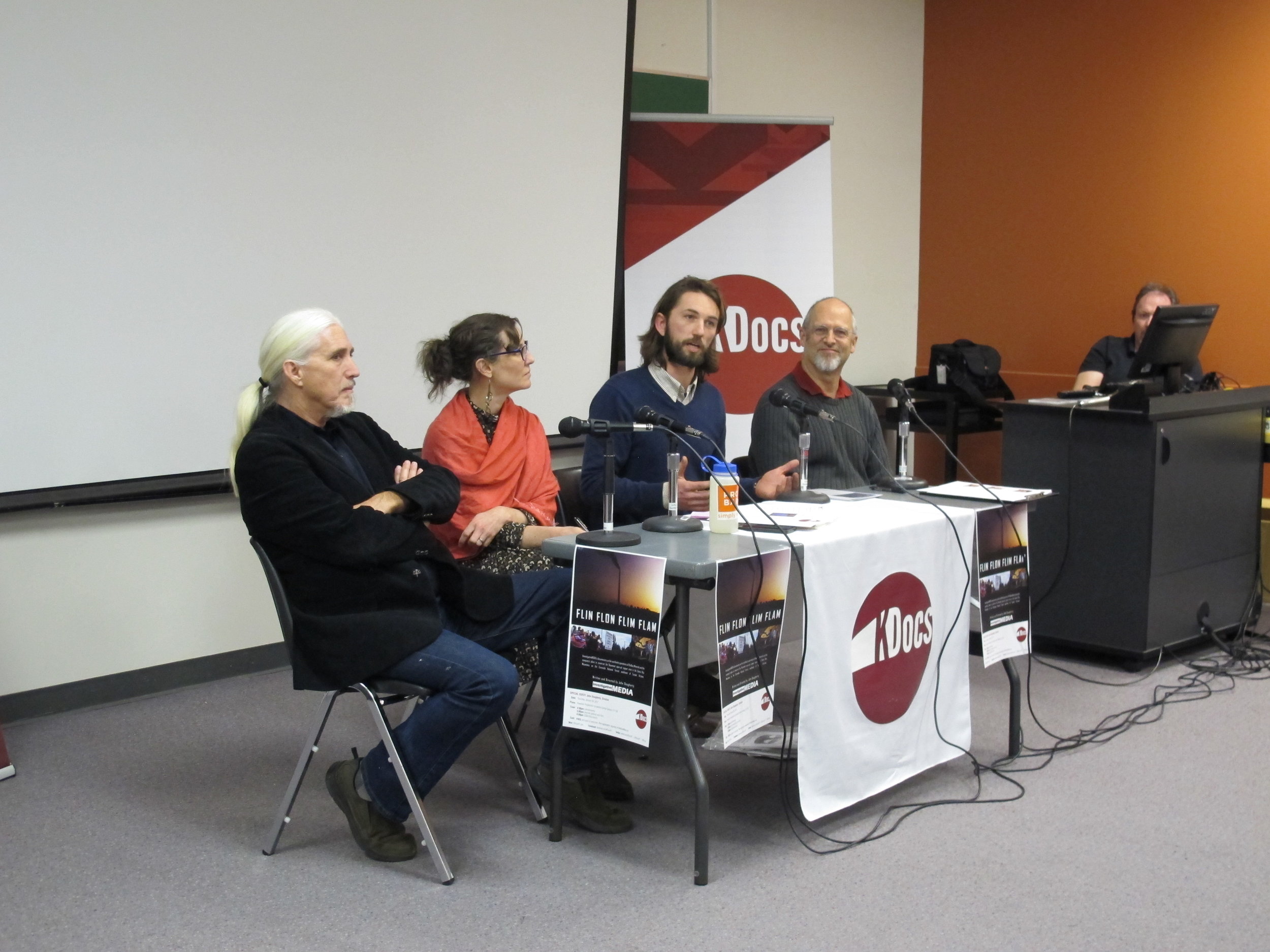
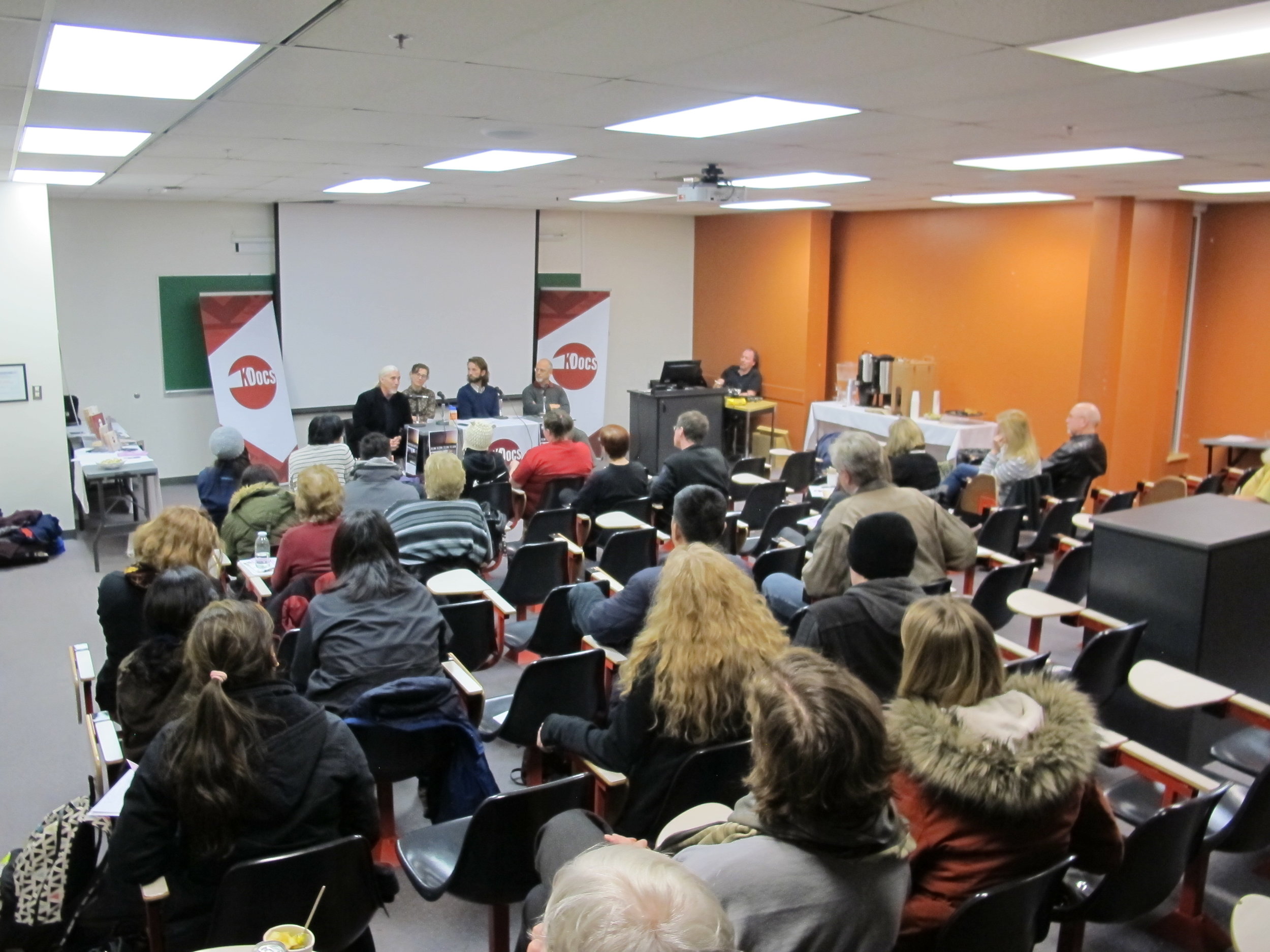
A Special KDocs Screening: KOMBIT: The Cooperative
KDocs held a special FREE! on-campus screening of KOMBIT: The Cooperative on October 27, 2016.
SPECIAL GUEST: Margaret Morey-Reuner, Director, Strategic Partnerships and Business Development at TIMBERLAND
PANELISTS include Kent Mullinix, KPU Director, Institute for Sustainable Food System (ISFS); Larissa Petrillo, KPU Instructor, Anthropology and Director, The Centre for Interdisciplinary Research: Community Learning Engagement (CIR:CLE); and Tasha Nathanson, Youth Program Manager, British Columbia Co-operative Association.
View the trailer at https://www.youtube.com/watch?v=_771_N7OmXE
Visit the film online at http://www.kombitfilm.com/
About the Film:
"Once known as the richest agricultural country in the Caribbean, Haiti has been wracked by instability and natural disasters. Decades of decline have taken their toll on Haiti’s people, and today the country is 98% deforested with little of its once prosperous agricultural industry enduring. When Timberland commits to creating a sustainable intervention in Haiti that will lead to 5 million trees in 5 years, they work to find partners that understand the harsh realities of aid work but share the vision to build something sustainable. Over the course of 5 years, we follow Timberland’s support of a nascent partnership between a Haitian agronomist and a former NGO leader that commit to empowering communities of farmers to plant millions of trees while improving their crop yields. As the end of Timberland’s financial support approaches, SFA’s leaders race to develop new markets and opportunities for Haitian farmers that will endure and ensure a sustainable, greener future."
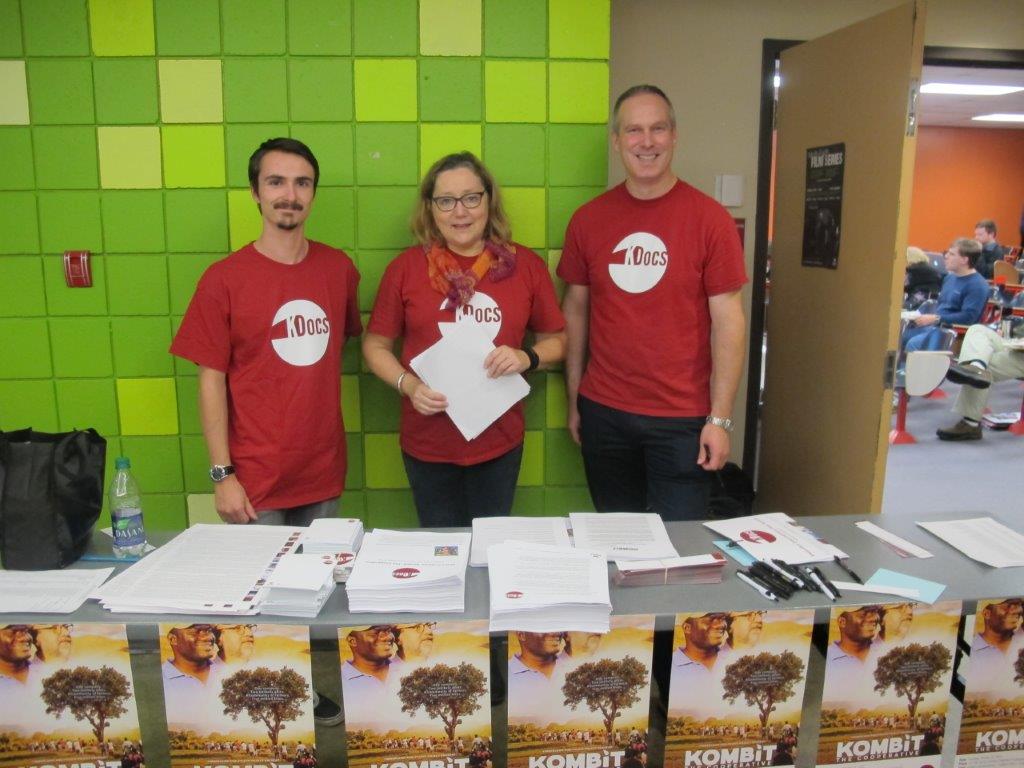

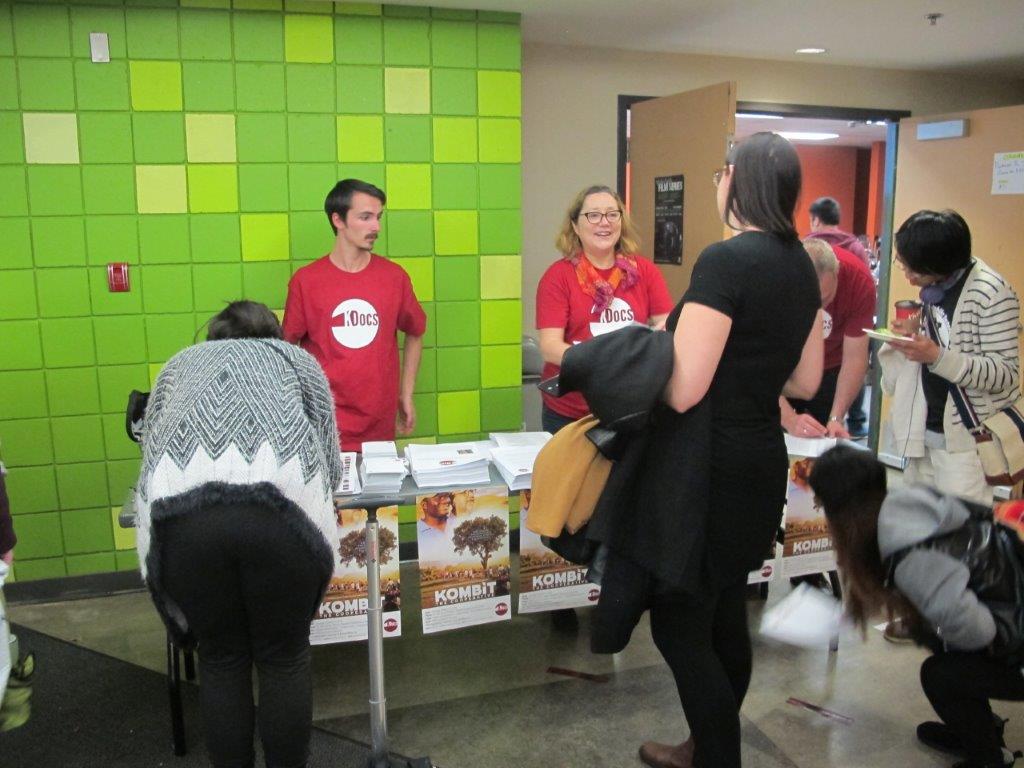
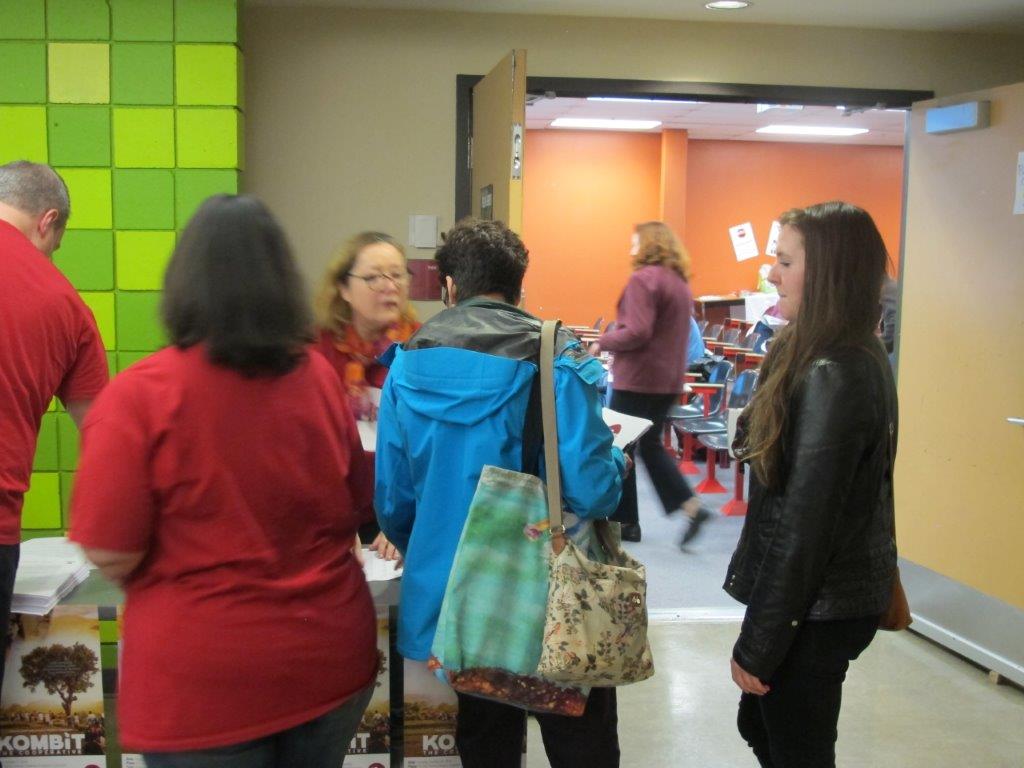




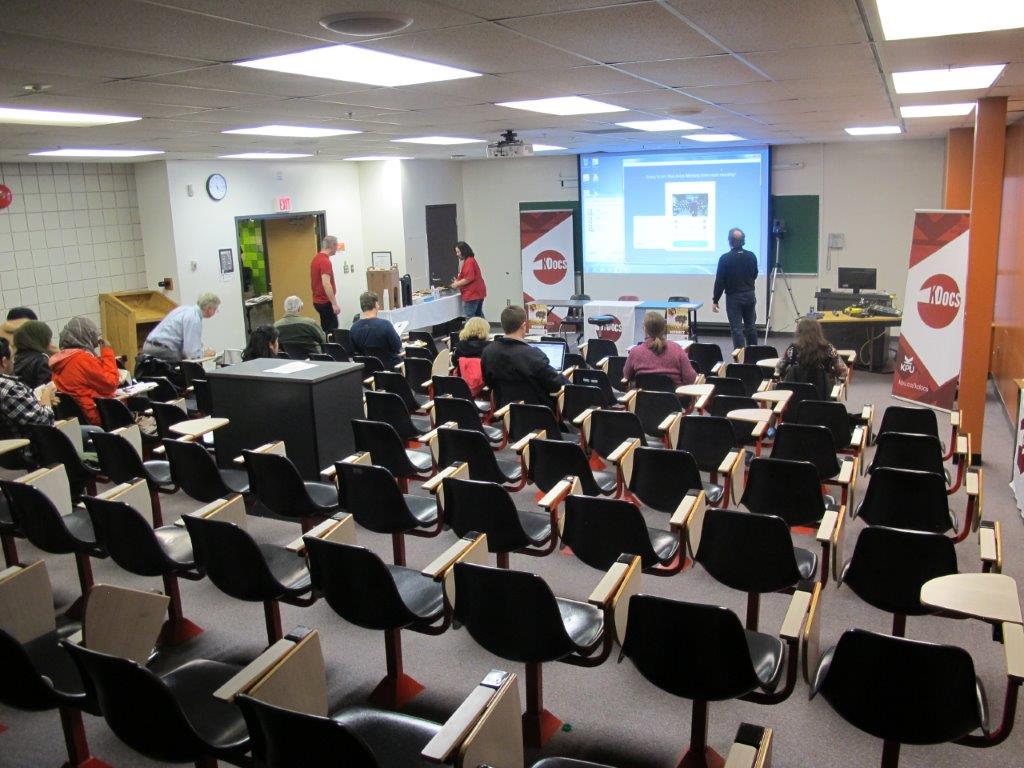




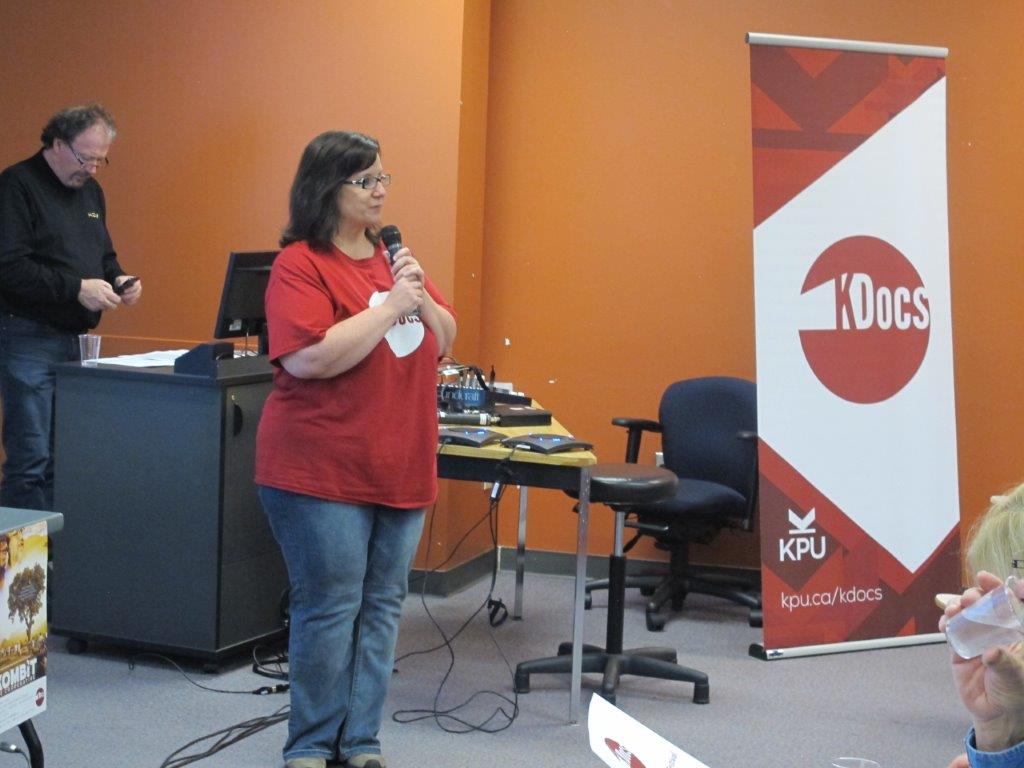
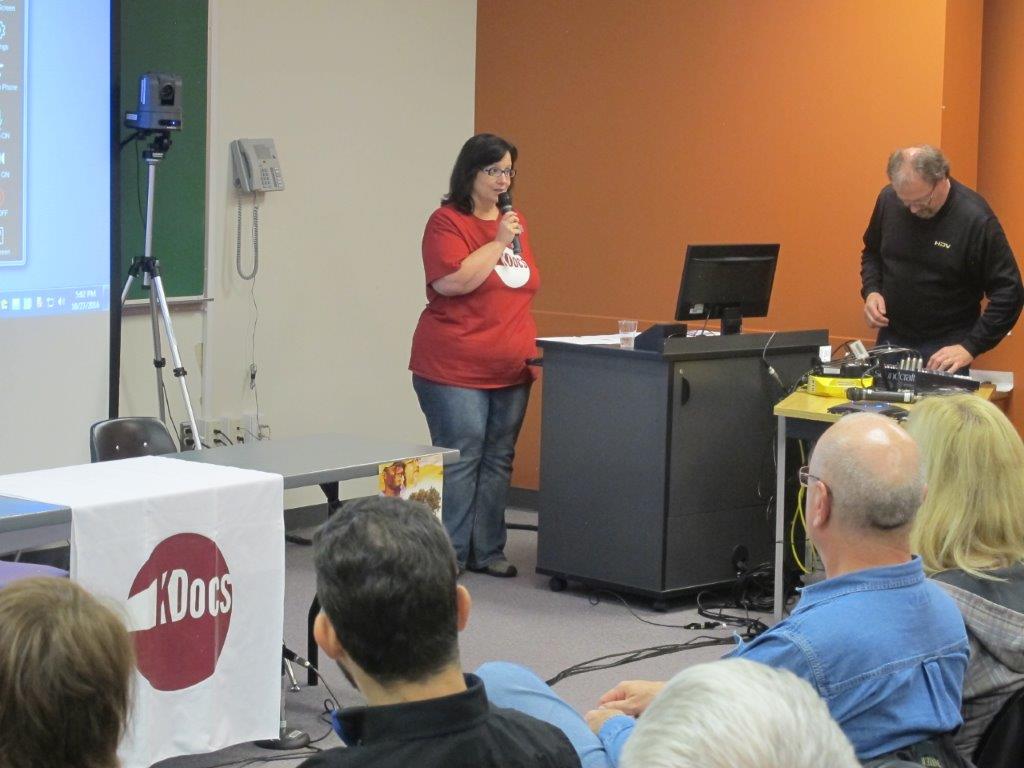
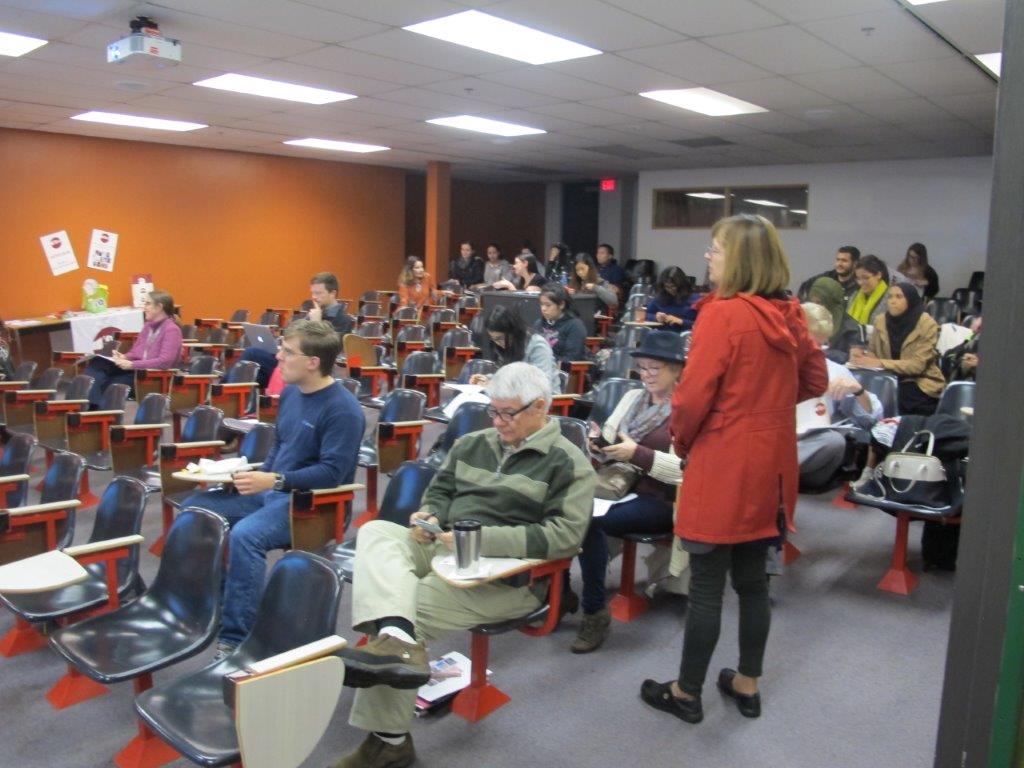
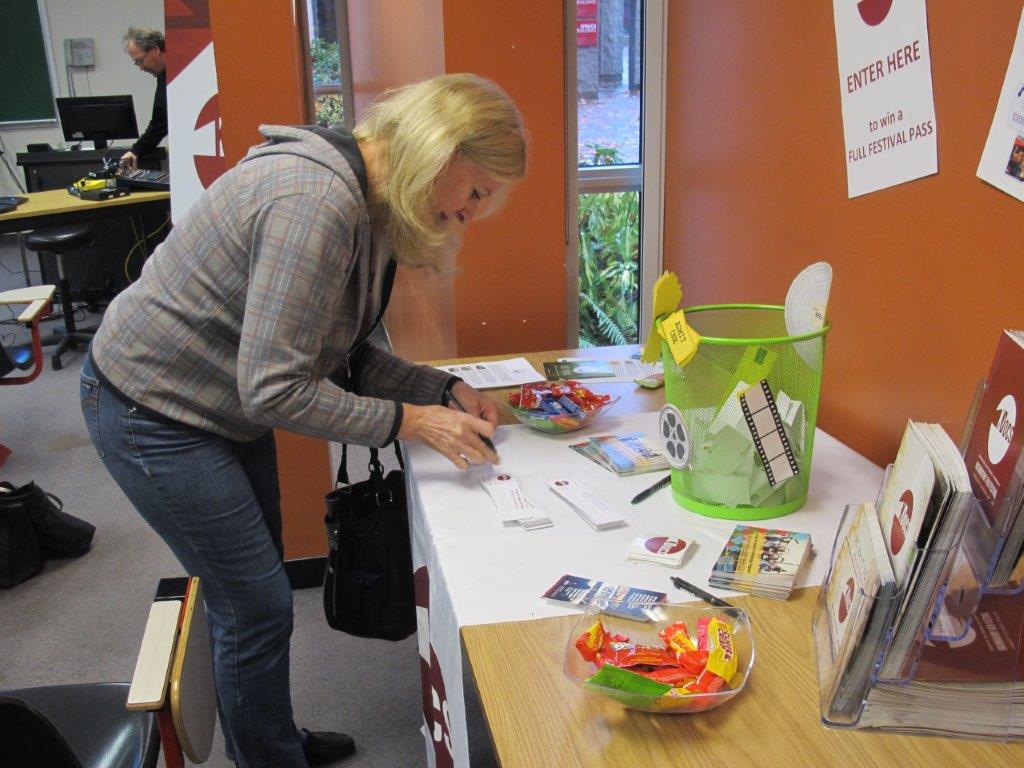




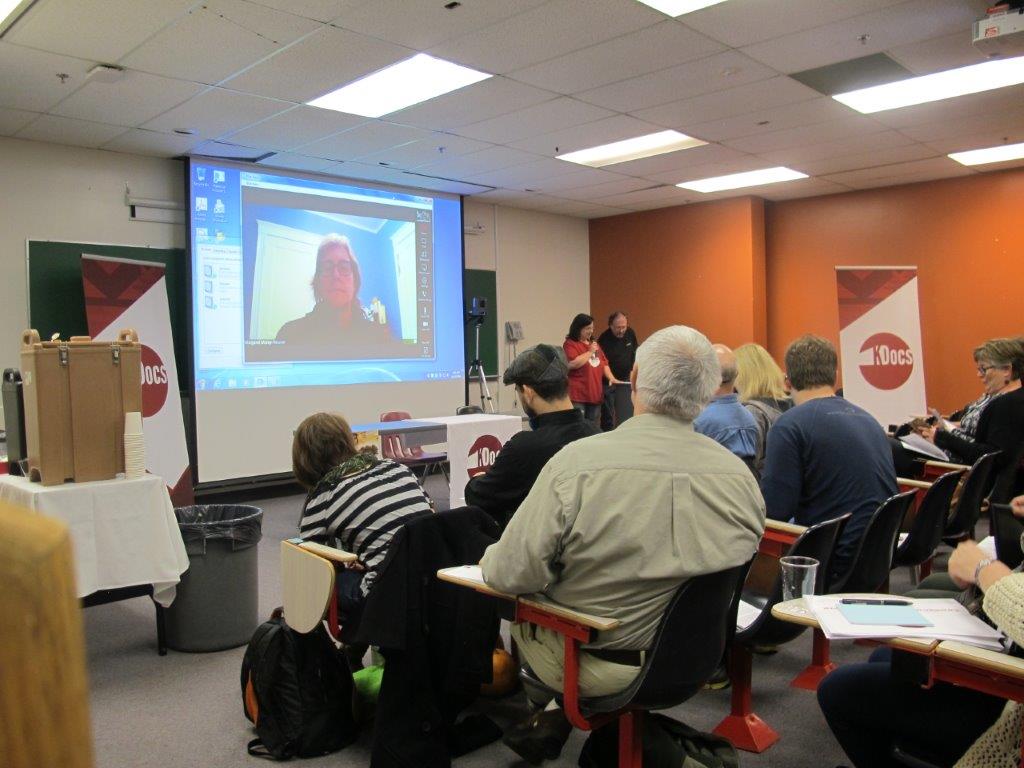
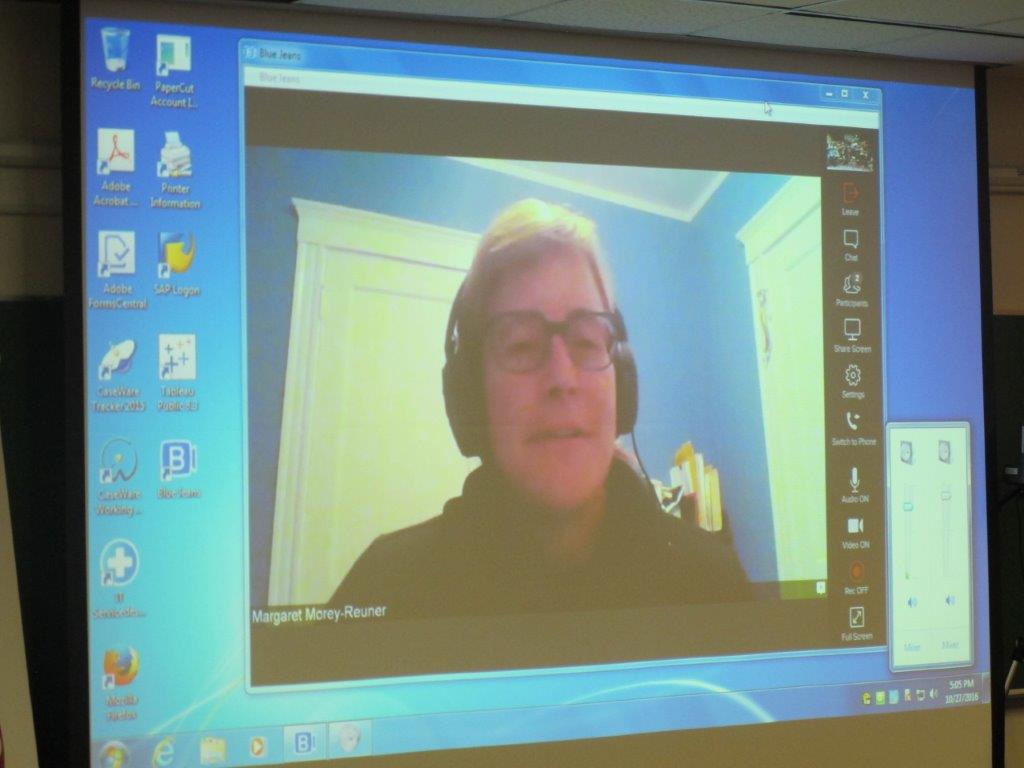

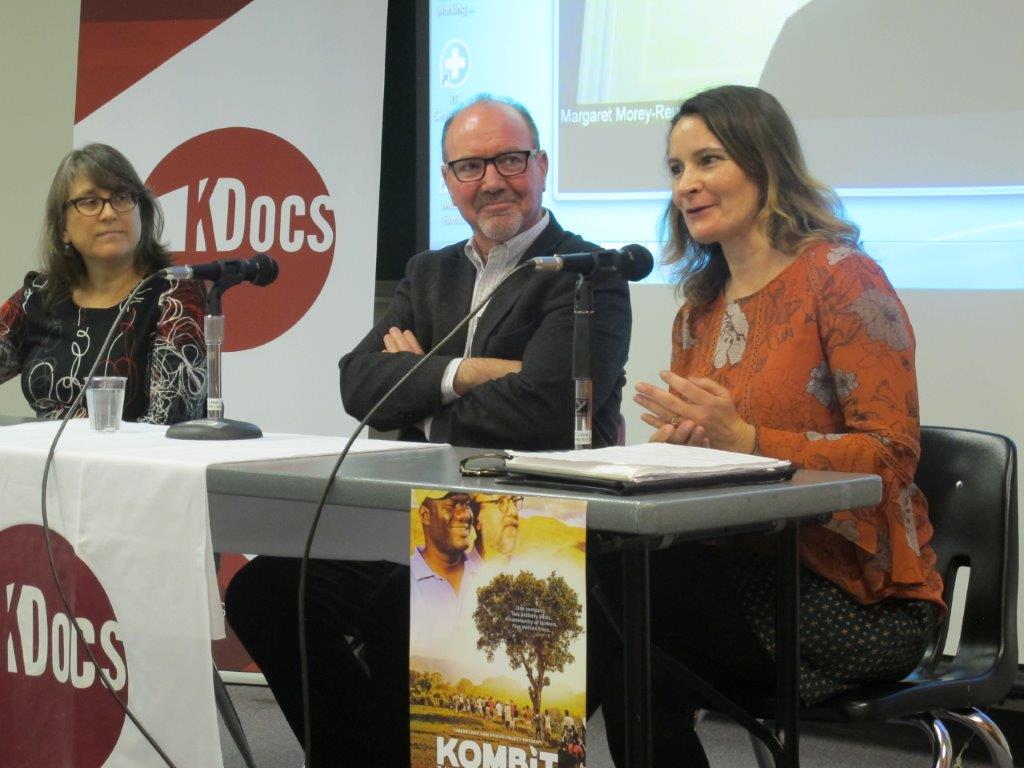


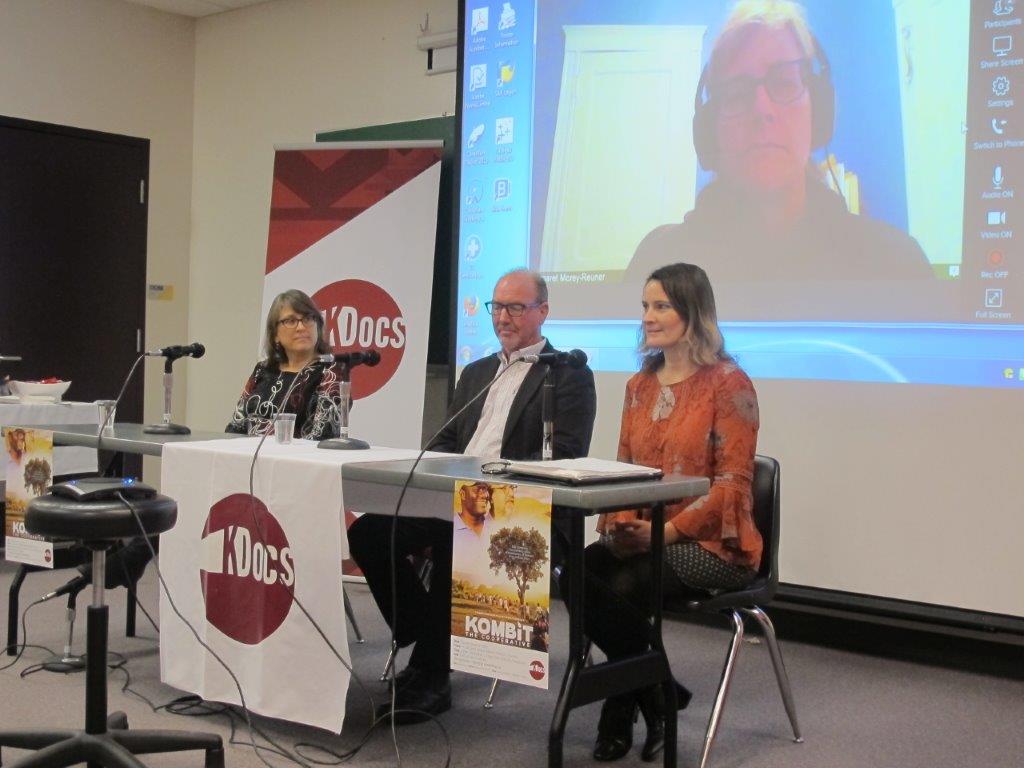
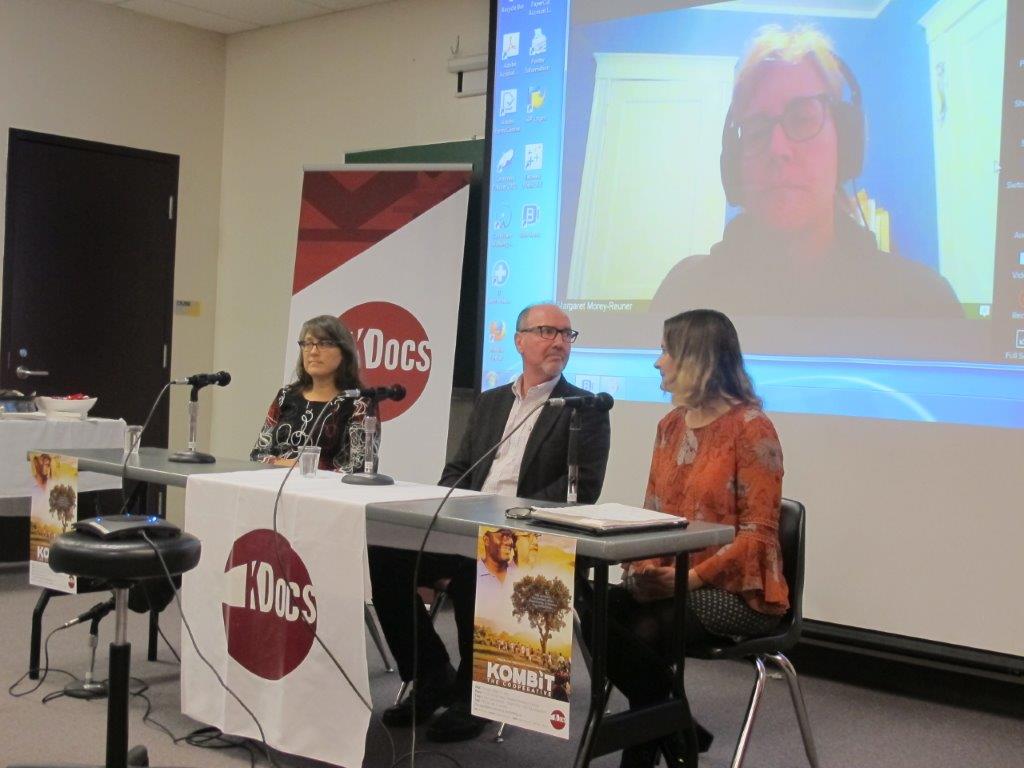
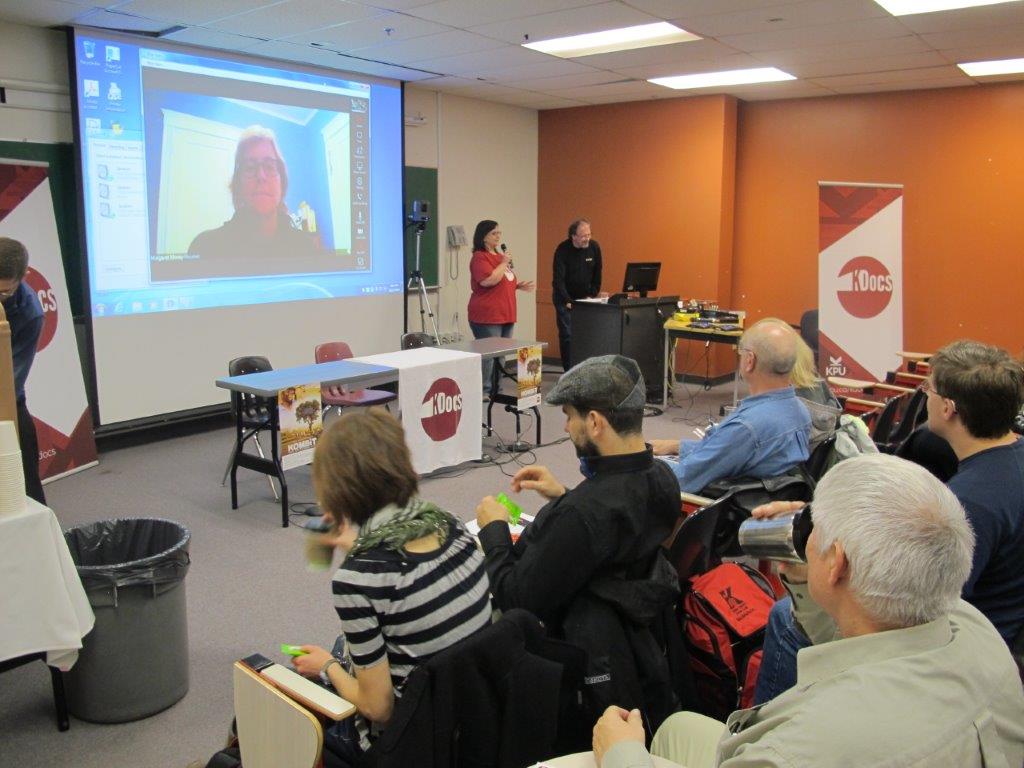
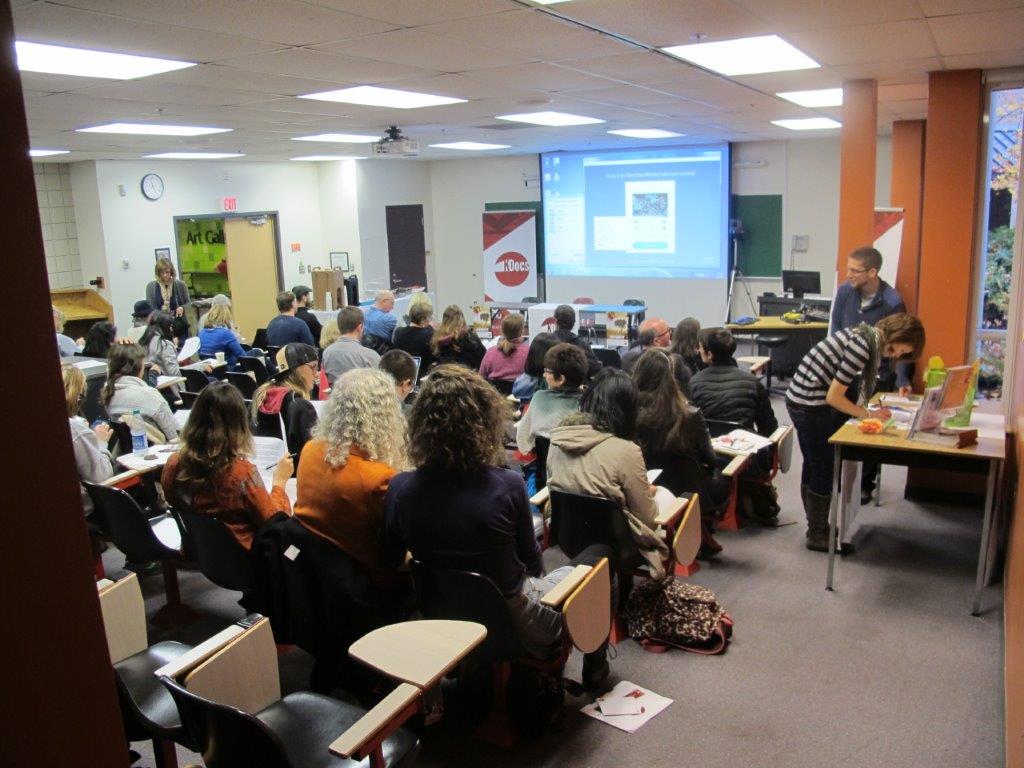
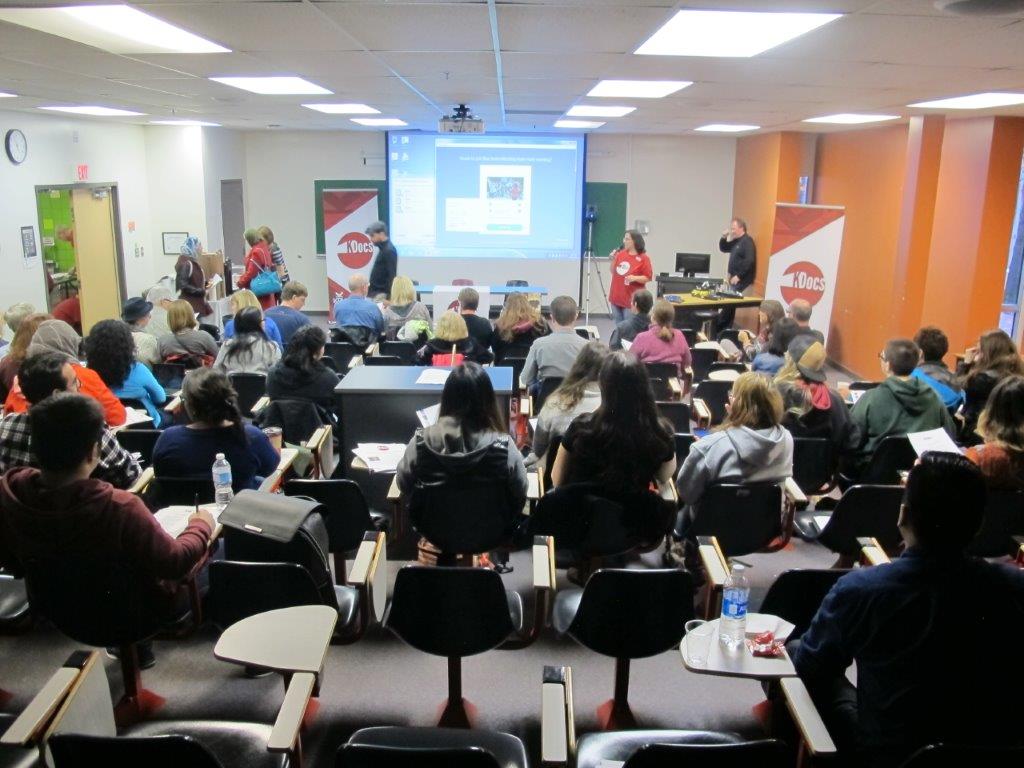




A Special KDocs Screening: How We Got Gay and Transforming Gender
As their practicum project, English 4300: Writing and Persuasion Beyond the Classroom students worked with KDocs Community Outreach to create a community event for Pride Week: the screening of two LGBTQ+ documentaries, Transforming Gender and How We Got Gay. A keynote address by Gerald Walton (Educational Studies faculty and author of The Gay Agenda) opened the evening, while the screenings were followed by a panel discussion led by Walton, Tara Lyons (Criminology faculty), and Kari Michaels (KPU student and WOOW co-founder). Brandy Svendson (Co-founder and CEO, Be the Change) served as the event’s moderator. Practicum students Neil Bassan, James Hospedales, Amanda Lam, and Kelsey Oskam were responsible for selecting the documentaries, promoting the event, running social media, recruiting panelists and the keynote speaker, writing a grant application, coordinating set-up, and hosting. This double-feature event took place on July 28, 2016 on the Surrey campus.

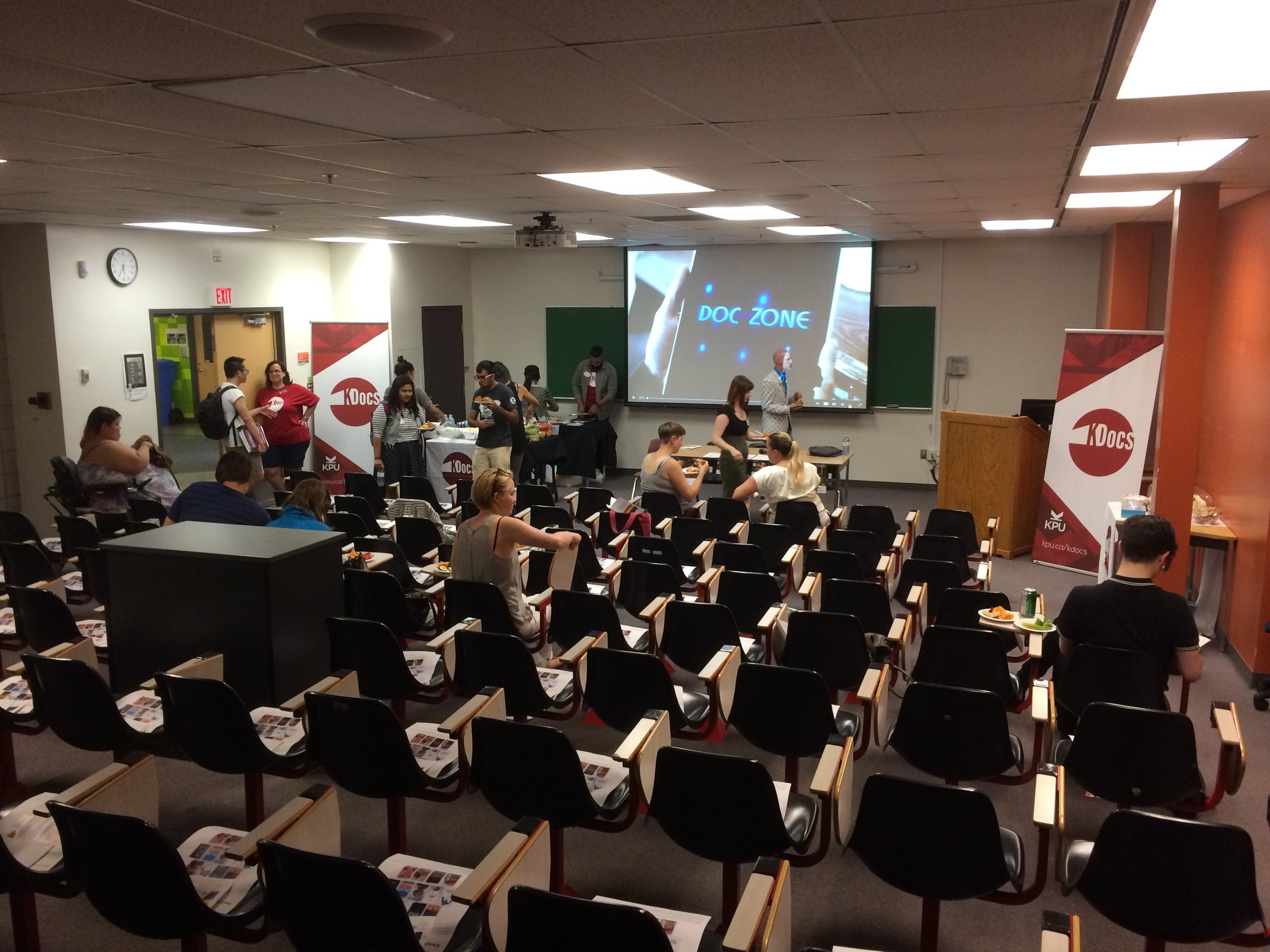
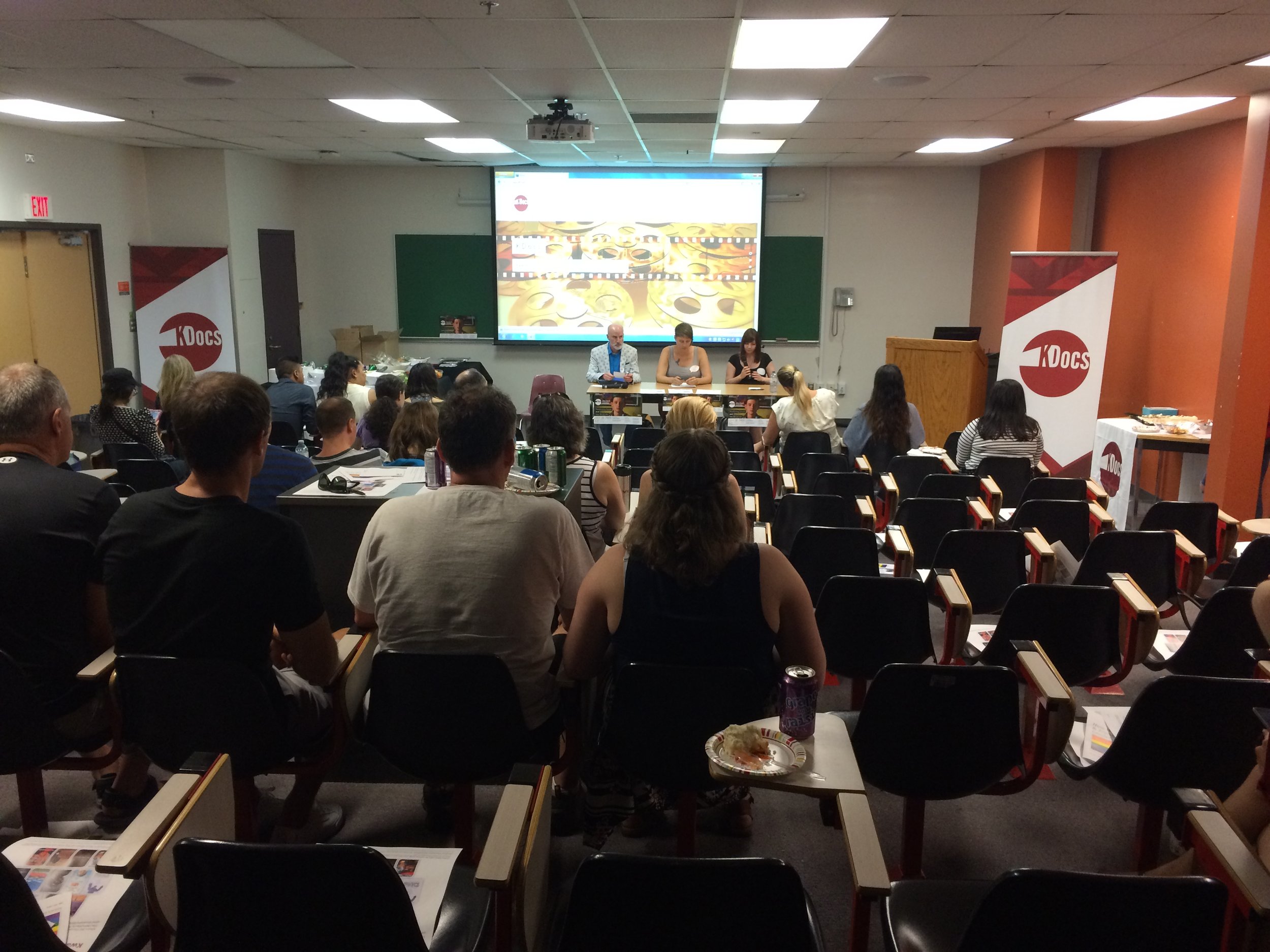
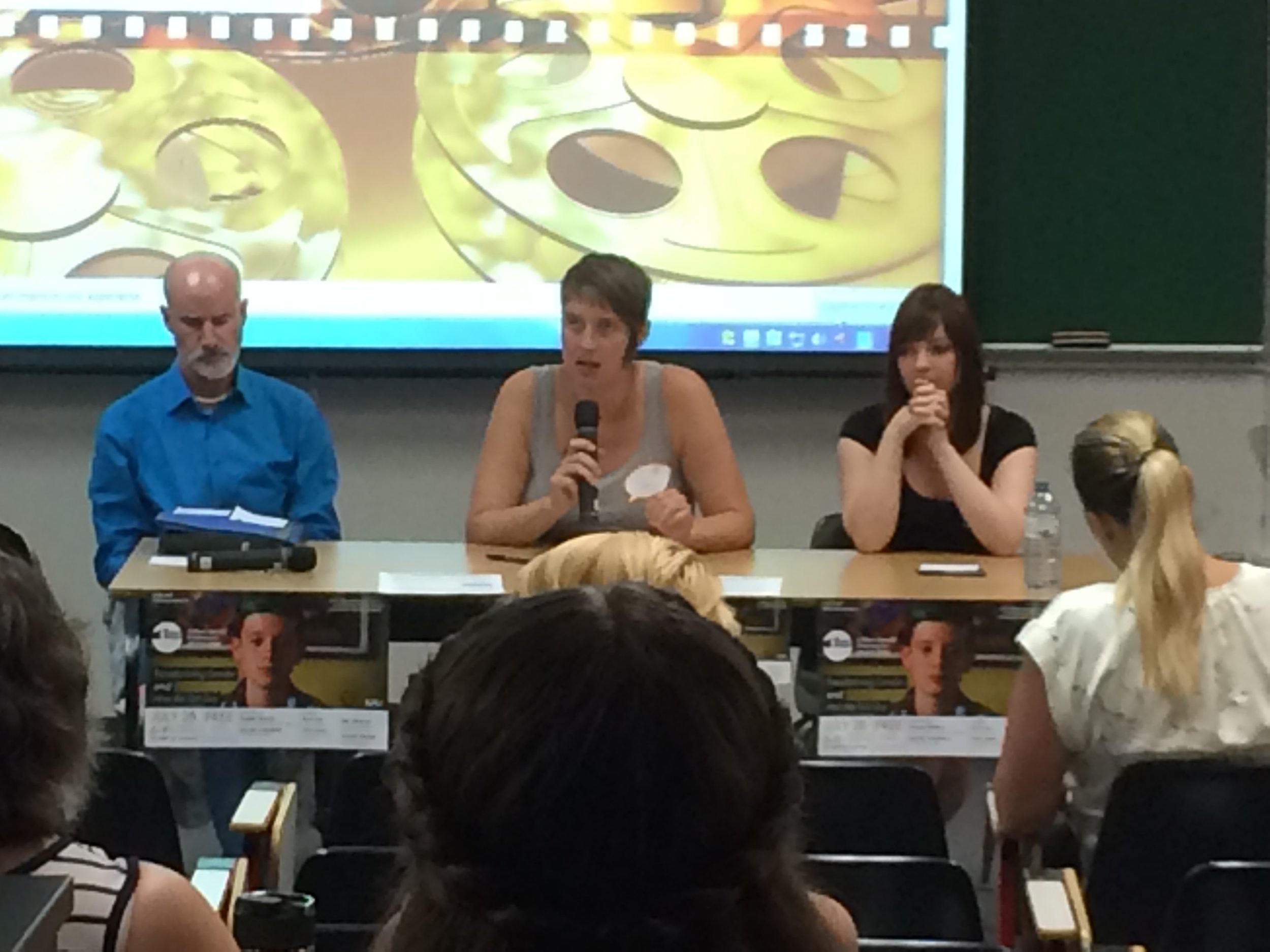
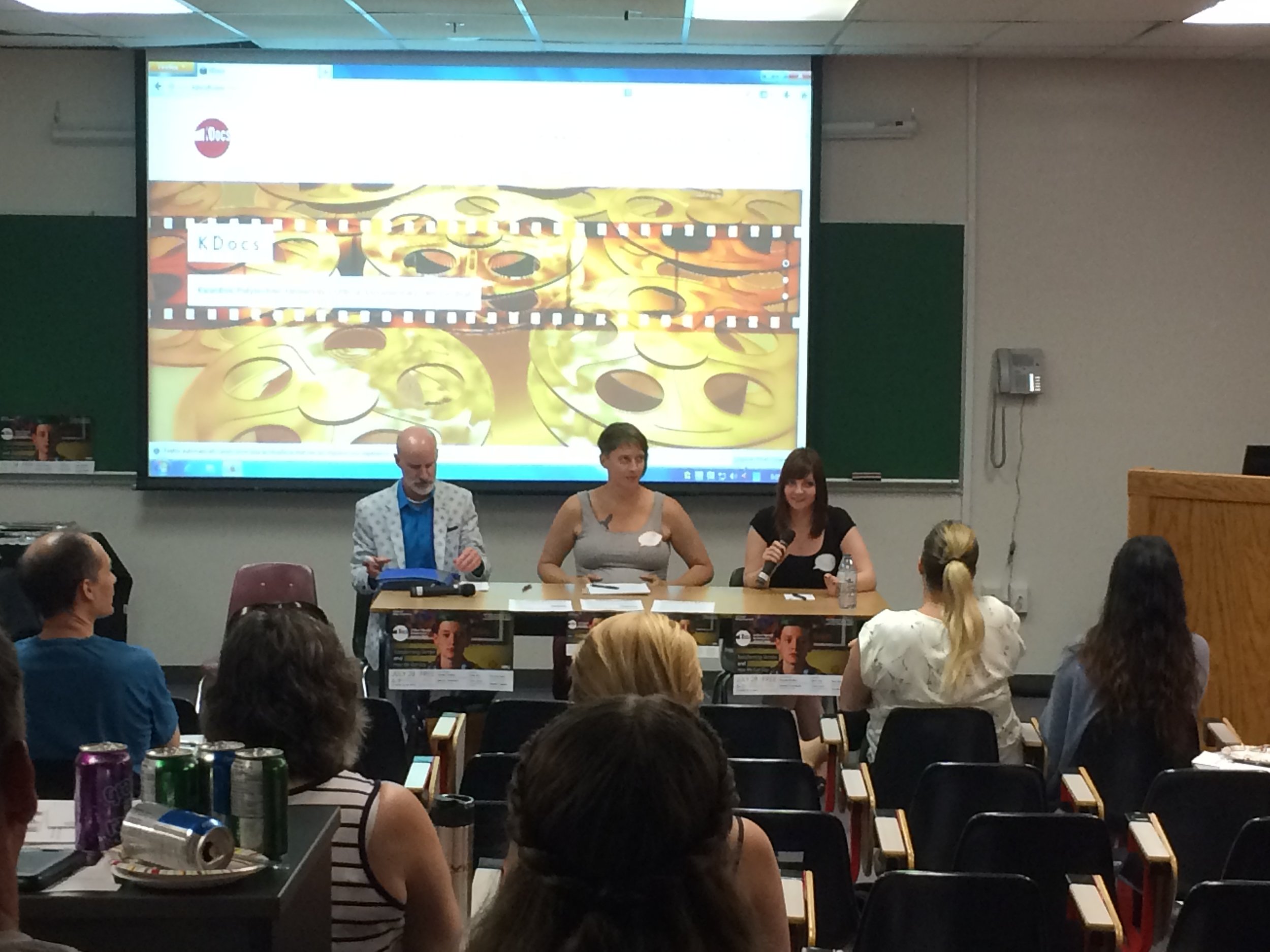
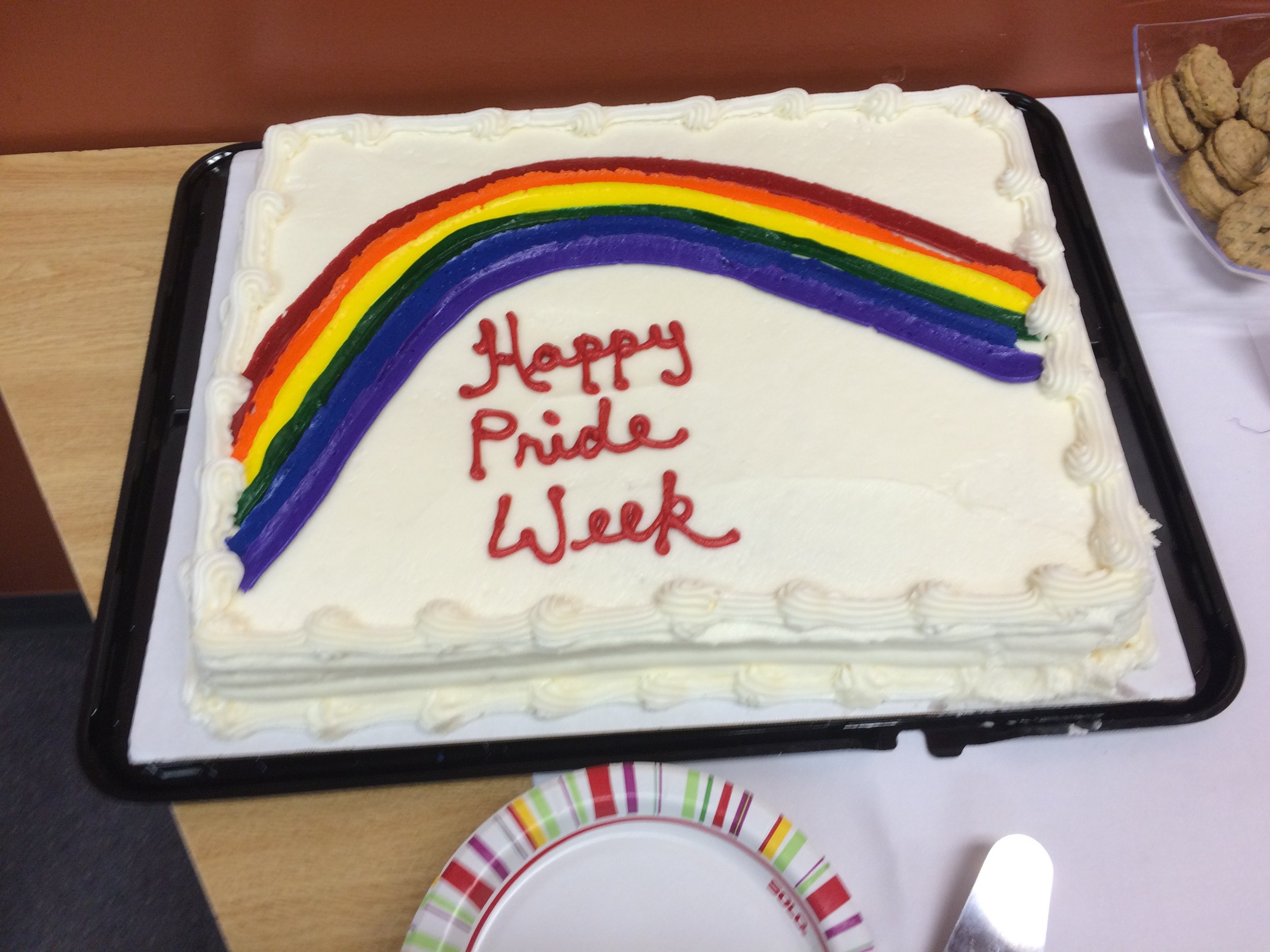

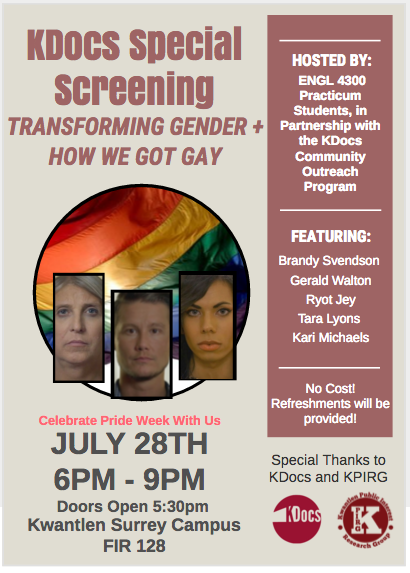
A Special KDocs Screening: The Mask You Live In
In partnership with KDoc Community Outreach, English 4300: Writing and Persuasion Beyond the Classroom students hosted a screening of Jennifer Siebel Newsom's The Mask You Live In (2015), a documentary that addresses hypermasculinity and the socialization of boys in America. Sponsored by KPIRG (Kwantlen Public Interest Research Group), the event included the performance of "Lost Boy Like Me" by rapping English major Calvin "Kalvonix" Tiu, a post-screening discussion forum, and breakout groups facilitated by the practicum students. The special guests of the evening were the youth from the Pathways Aboriginal Centre in Richmond. This special event was held at the Melville Centre for Dialogue on June 3, 2016.
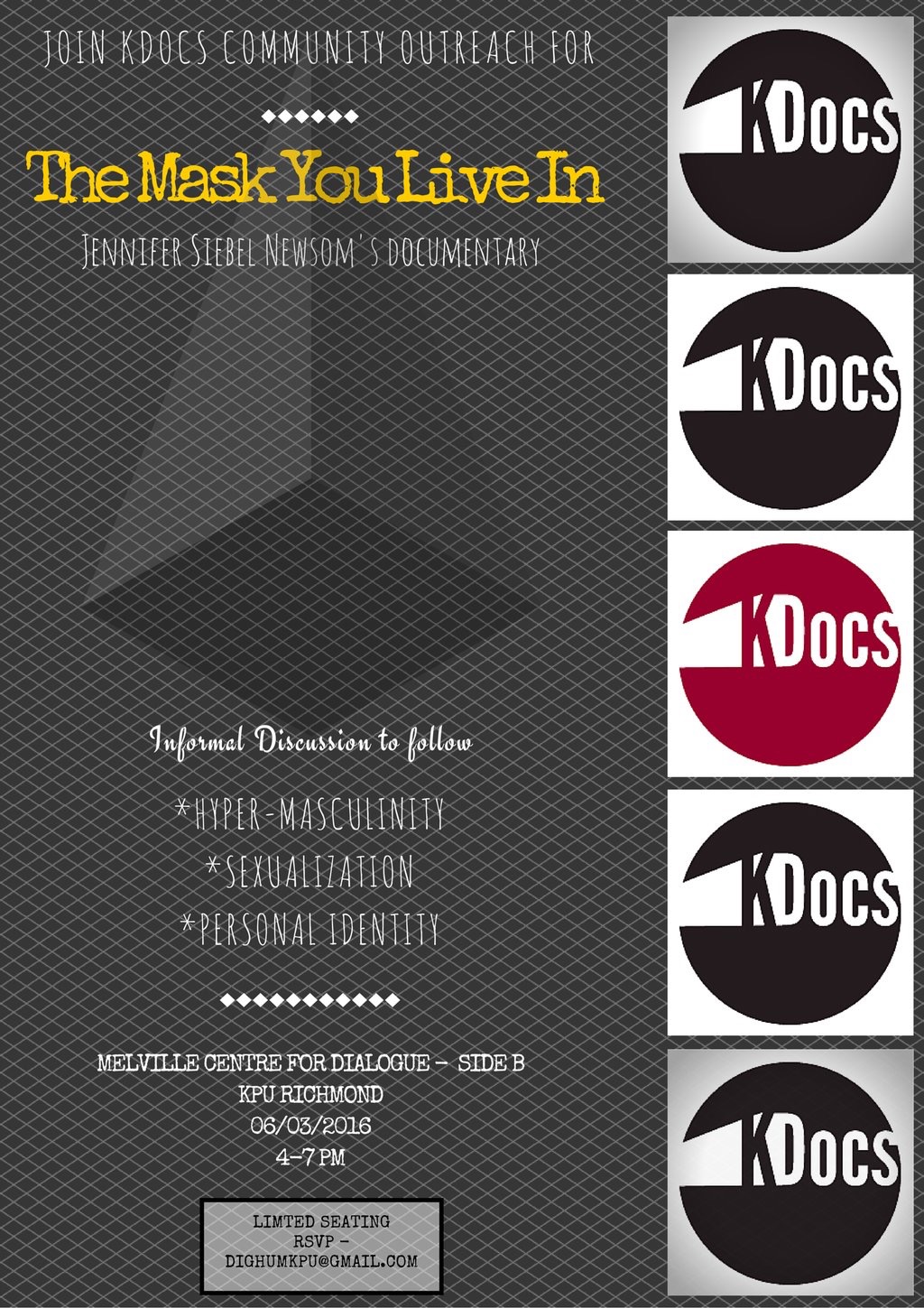
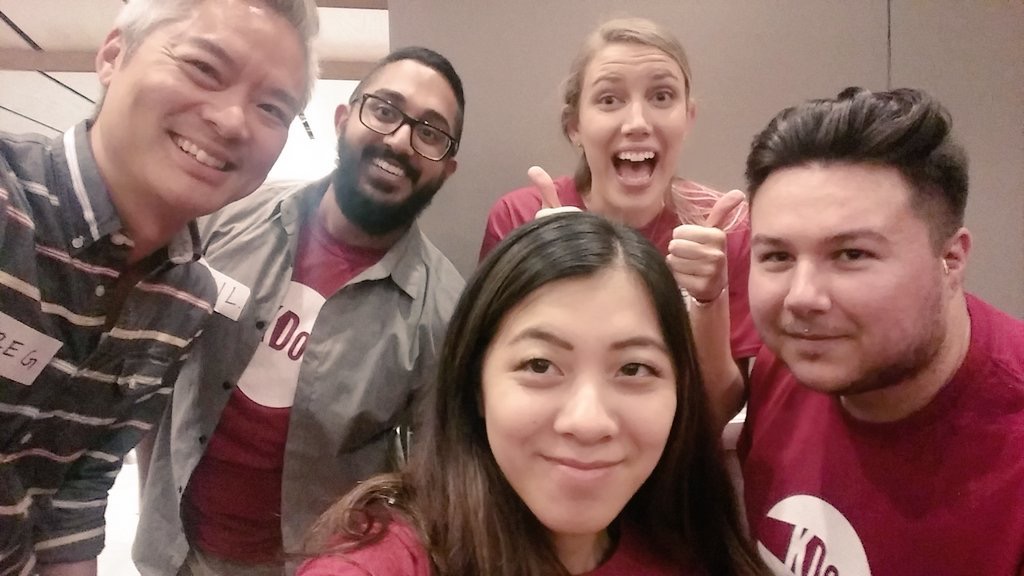

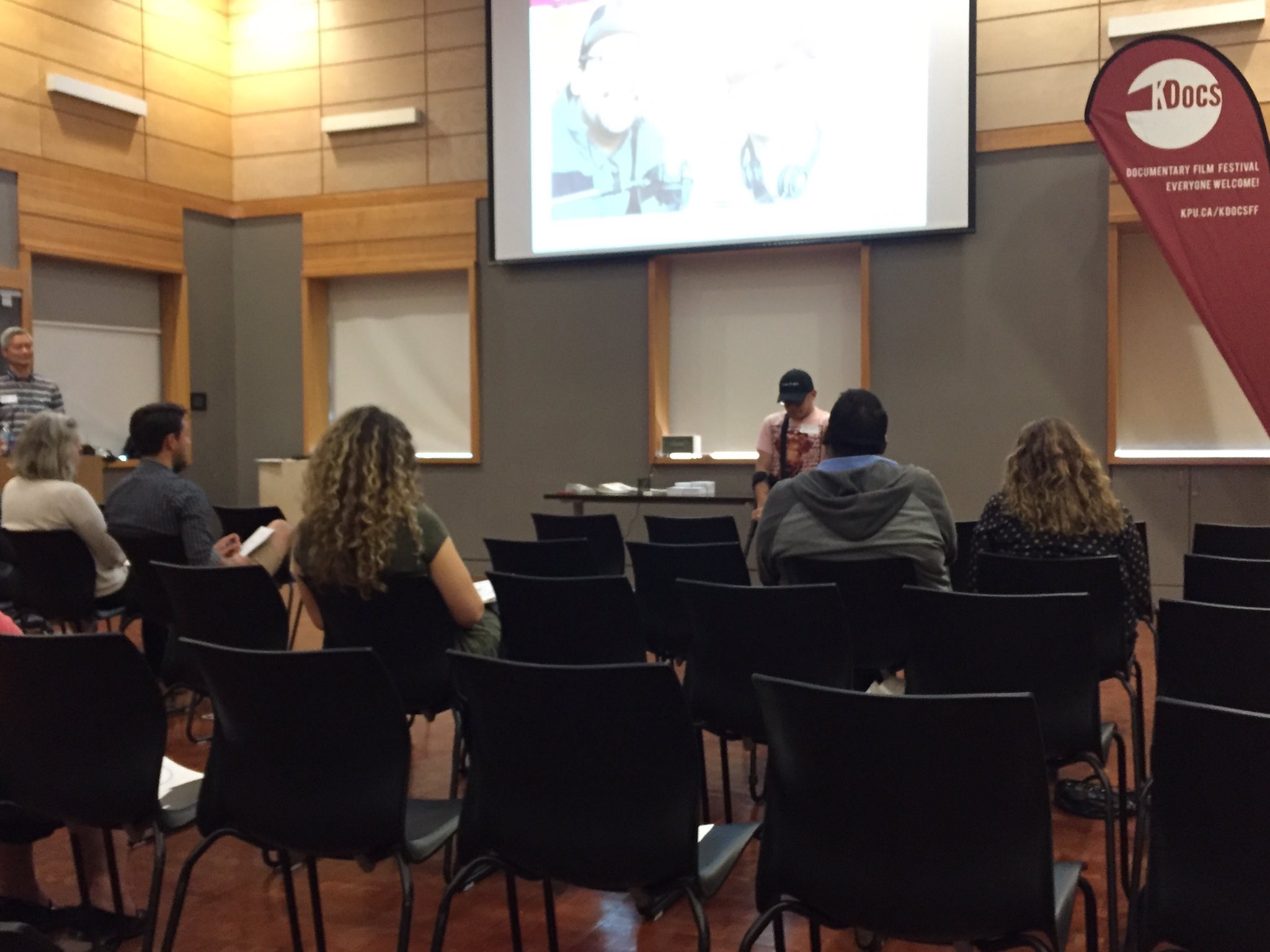
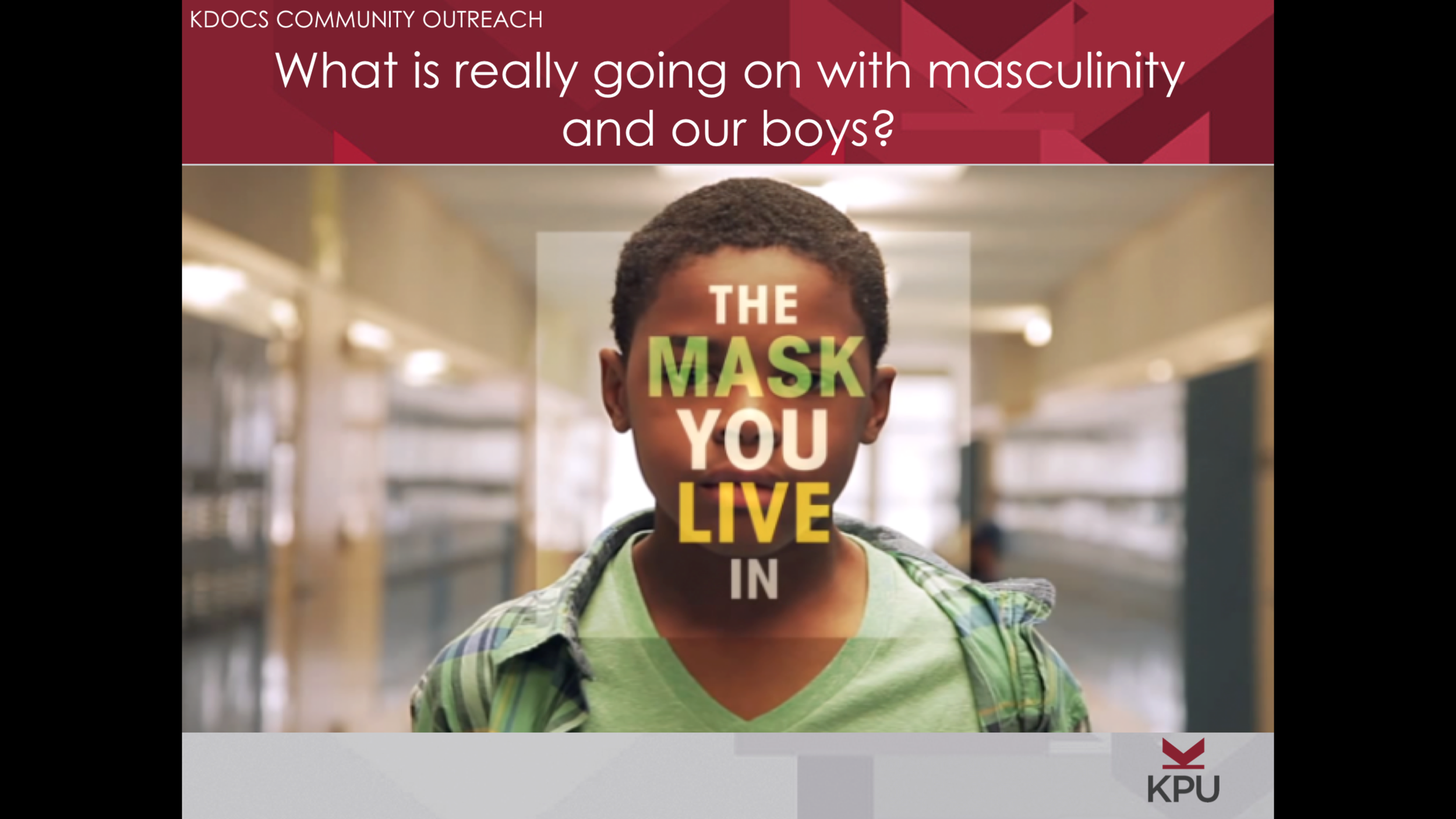
KDocsFF 2016
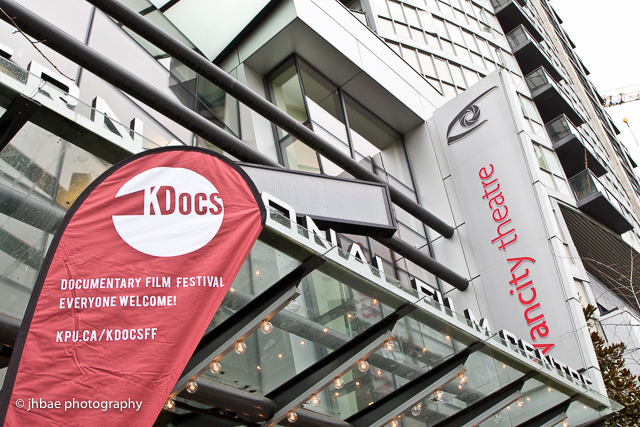
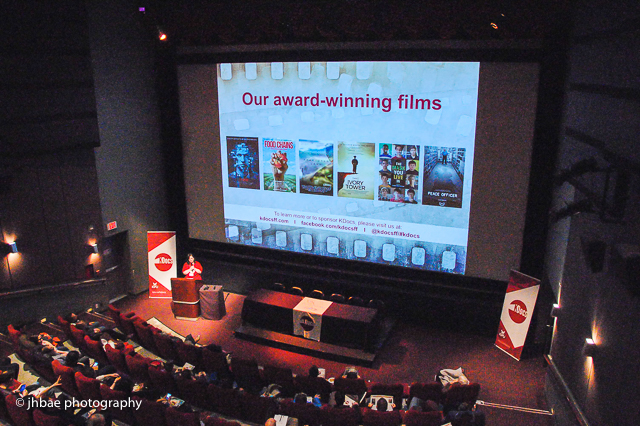
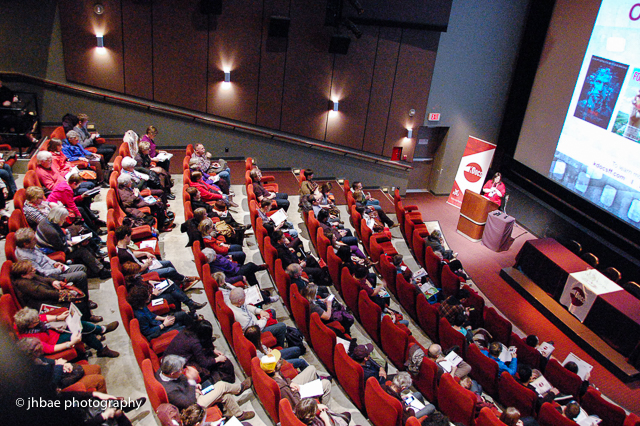
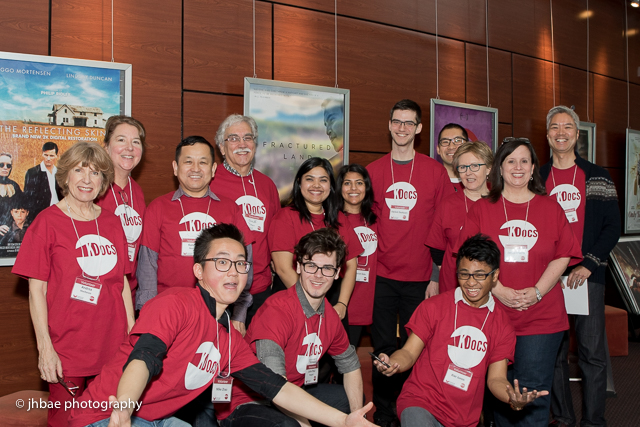
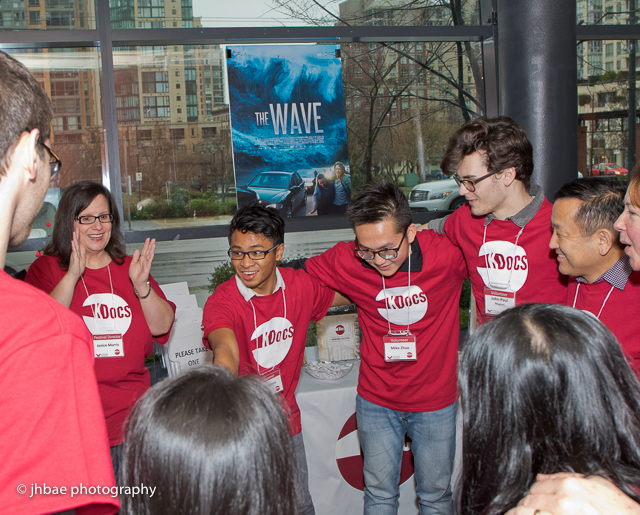
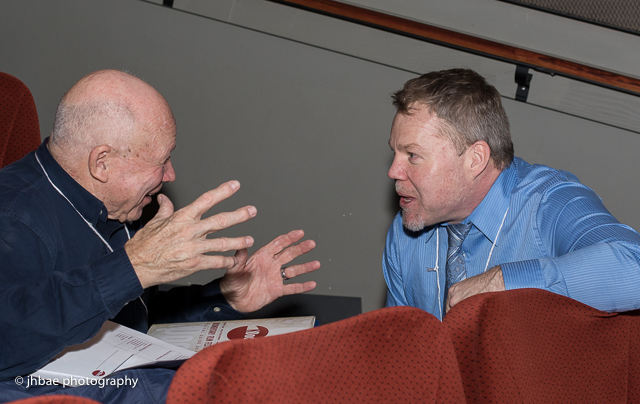
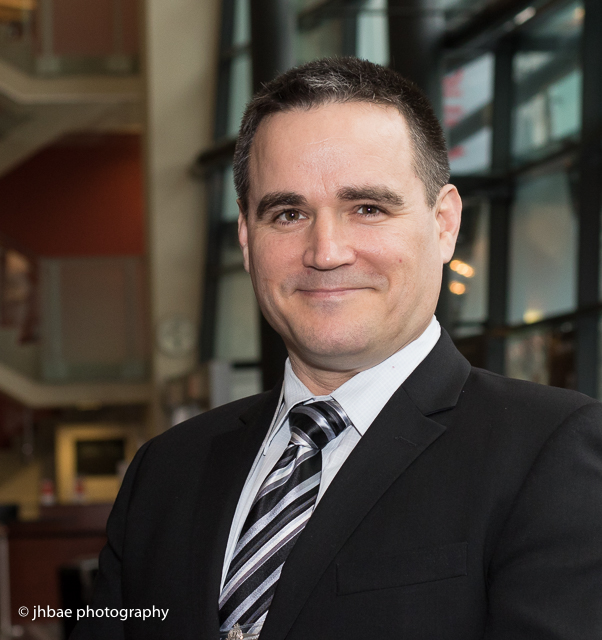

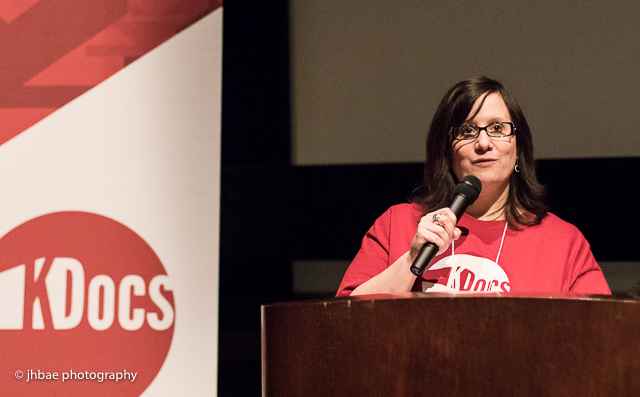
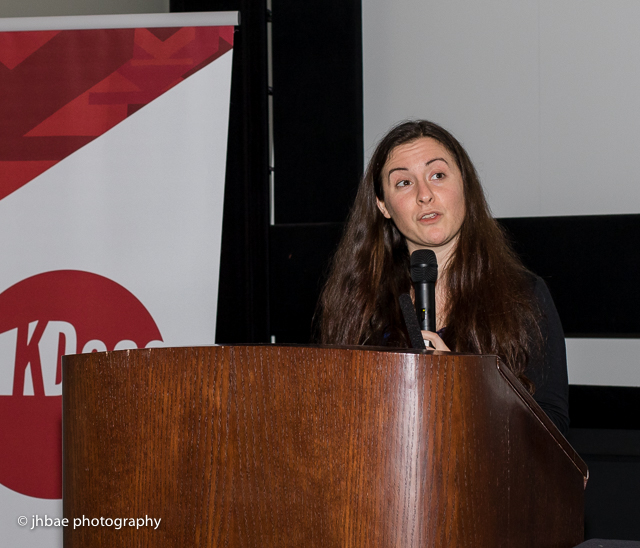
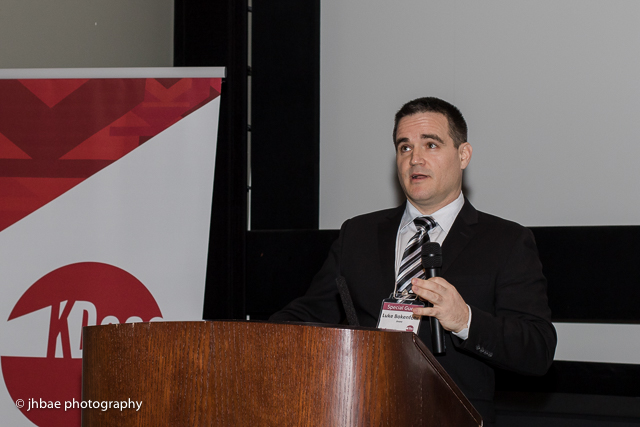
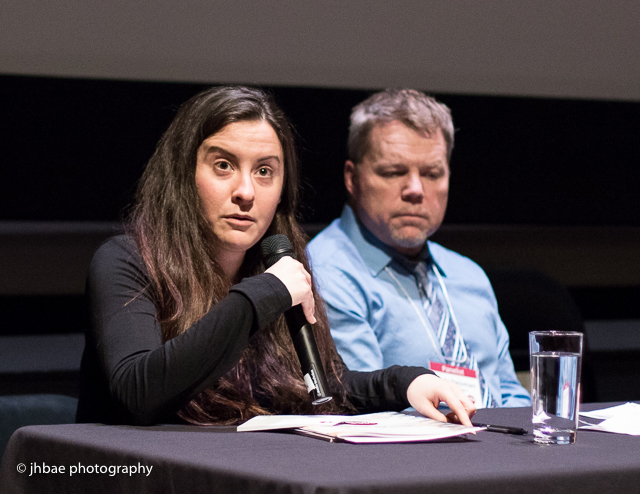
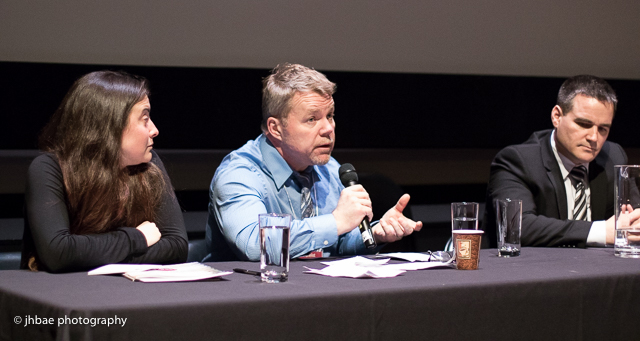
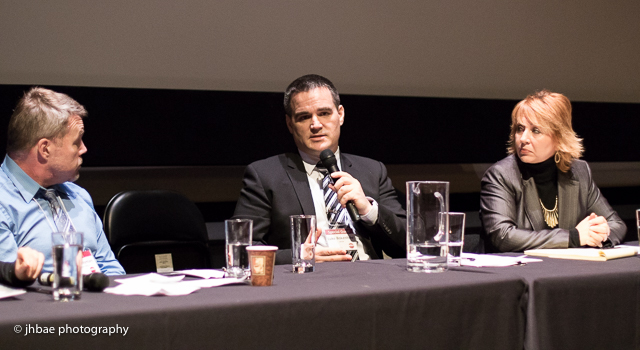
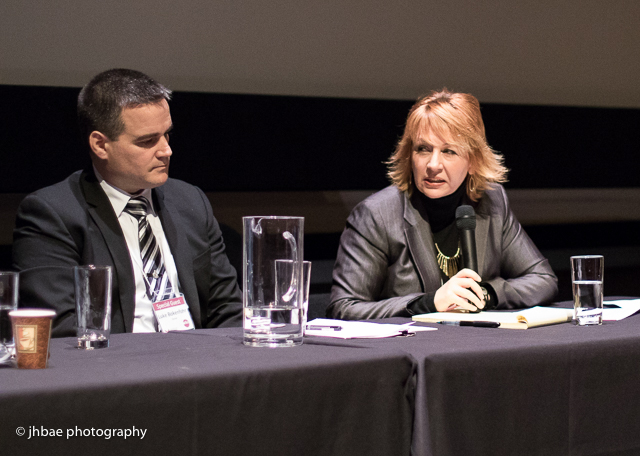
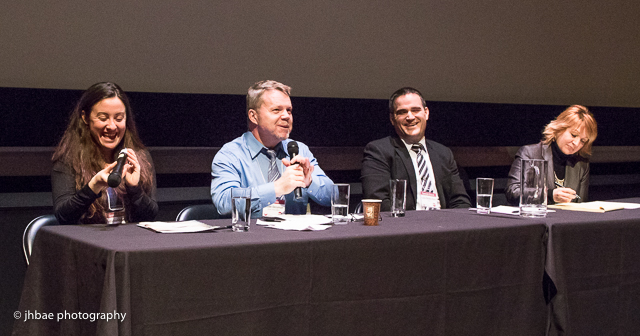
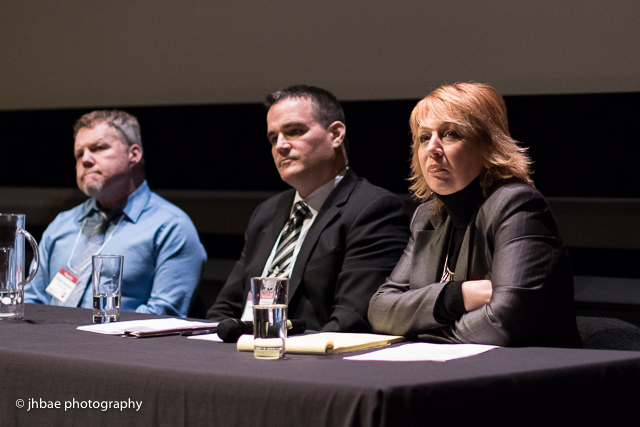
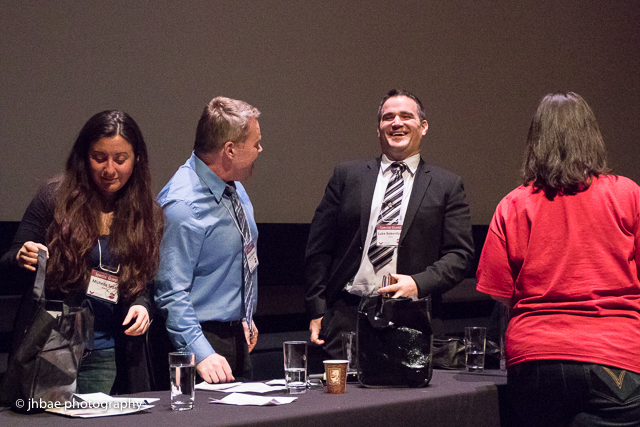
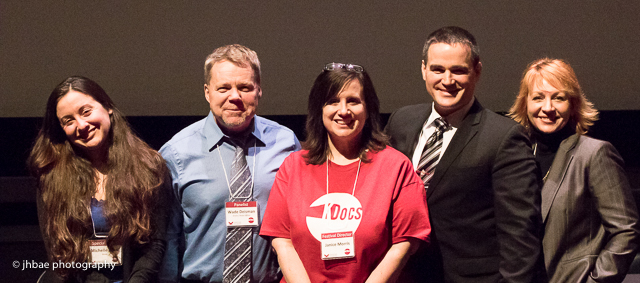
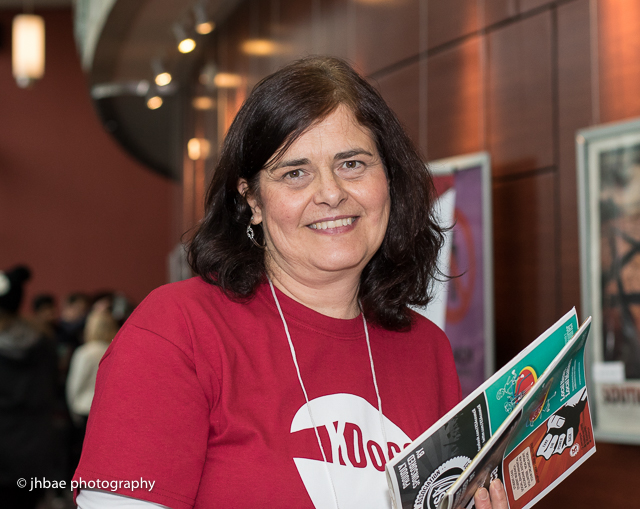
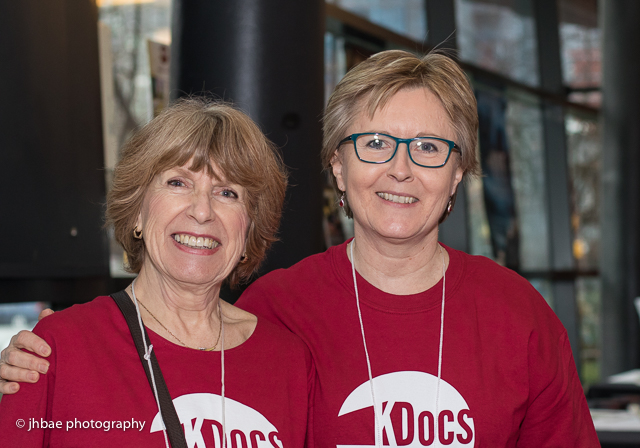
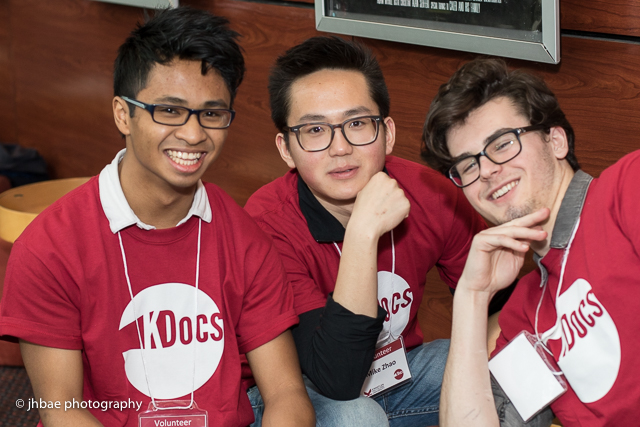
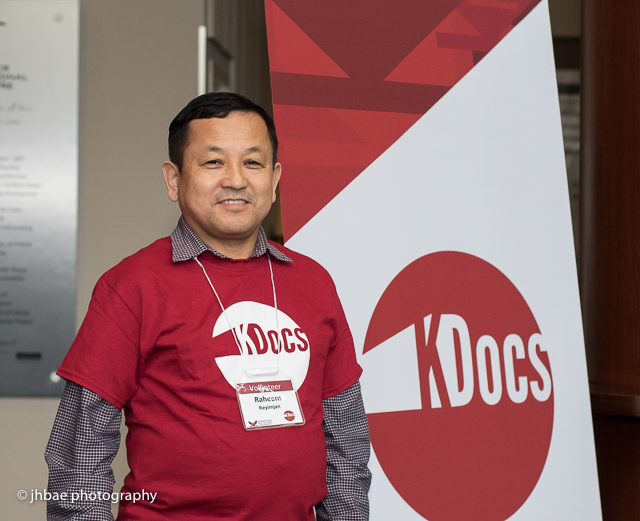
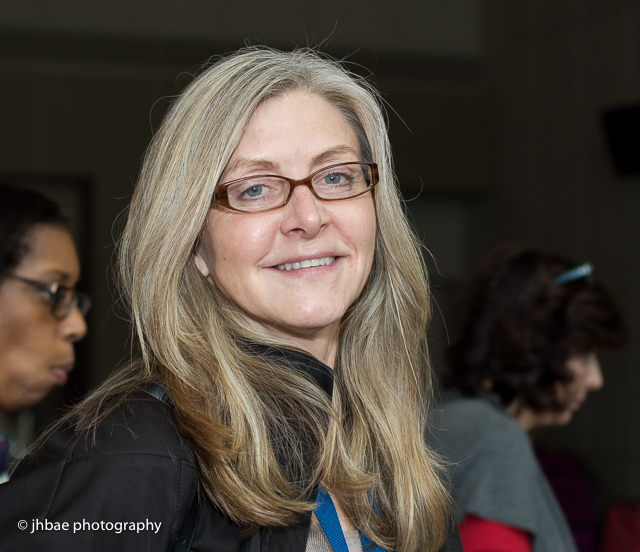
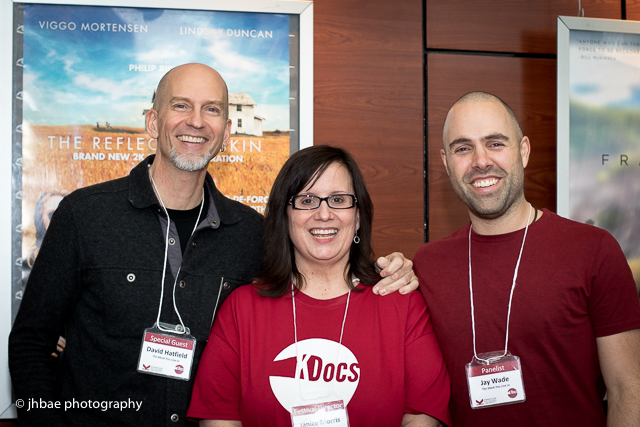
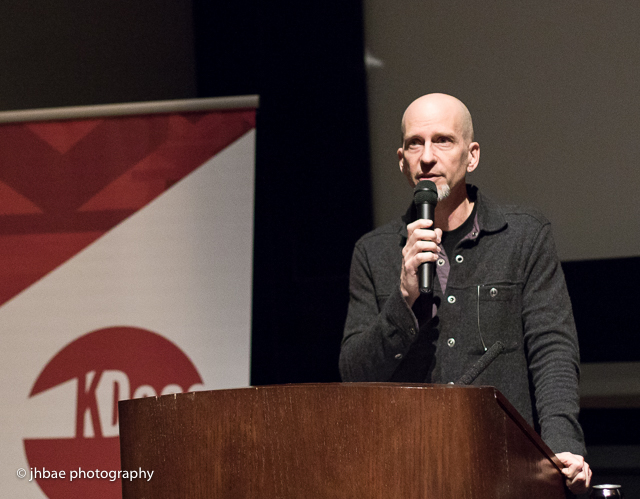
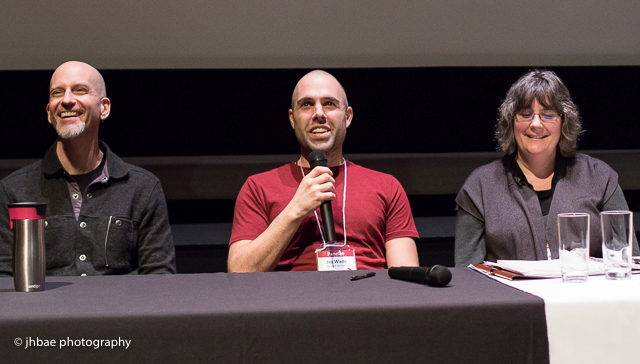
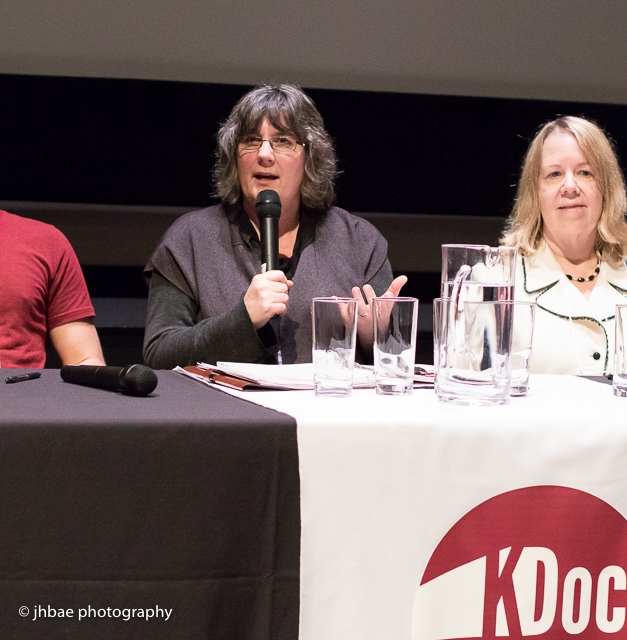
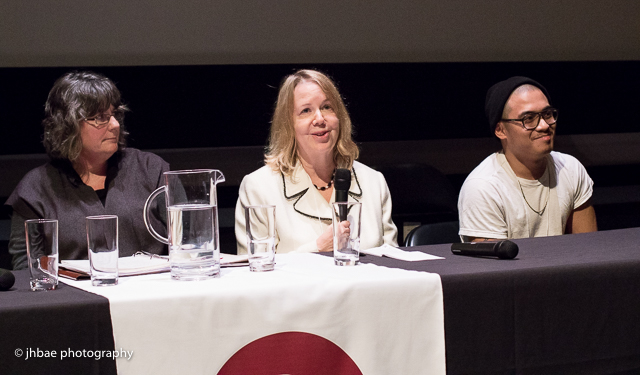
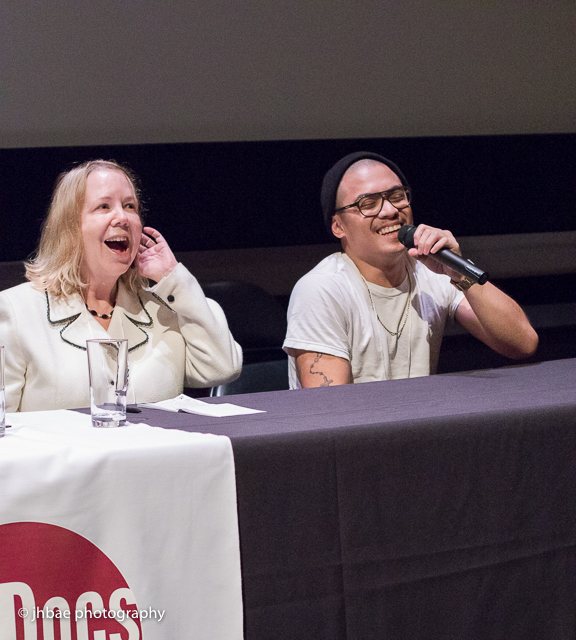
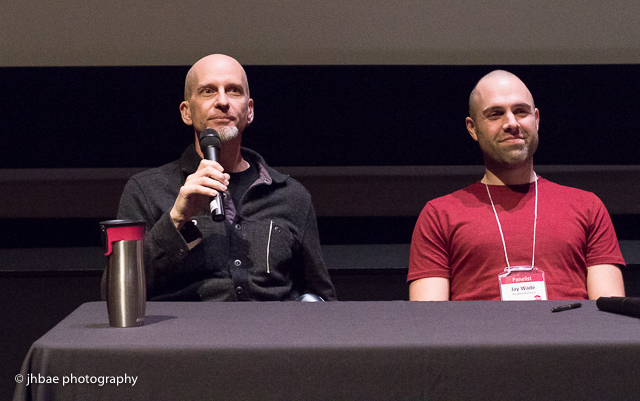
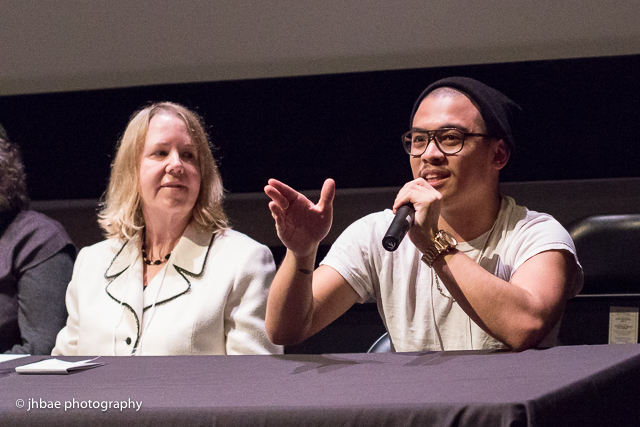
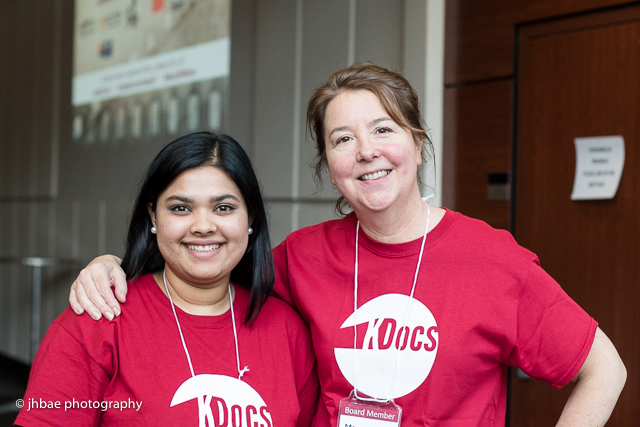
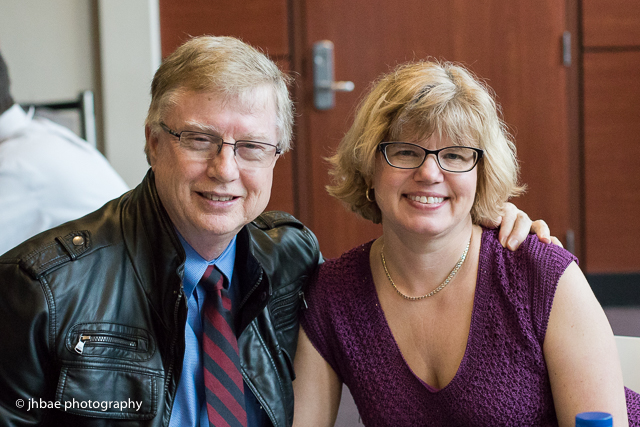
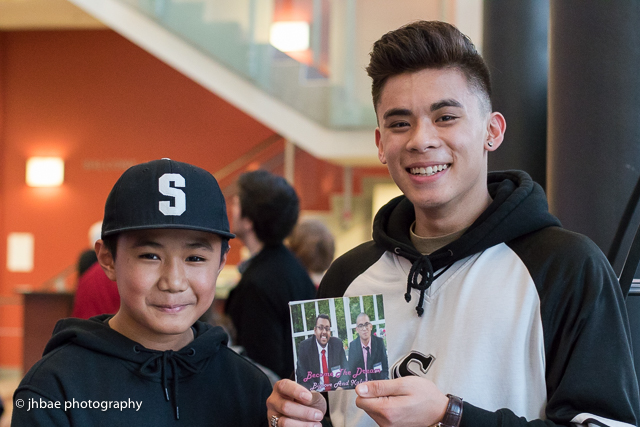
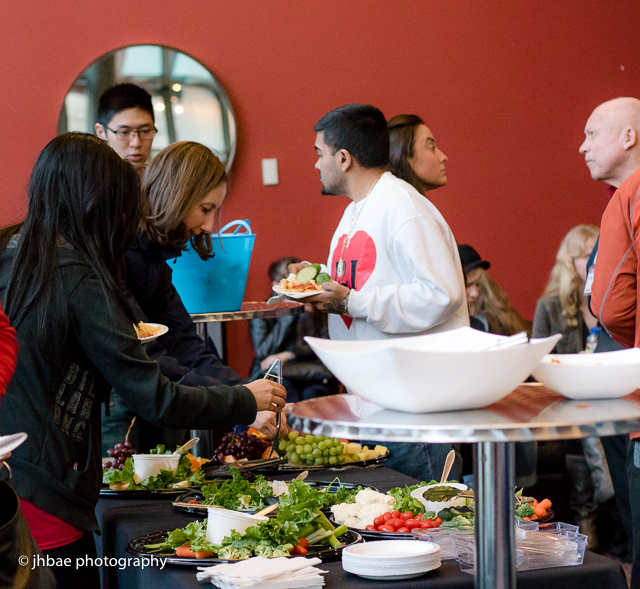
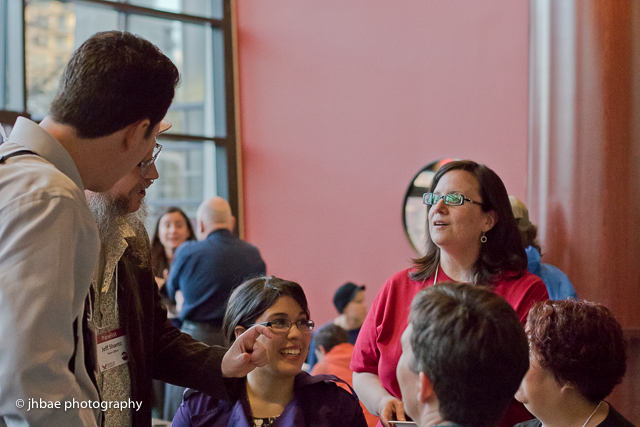
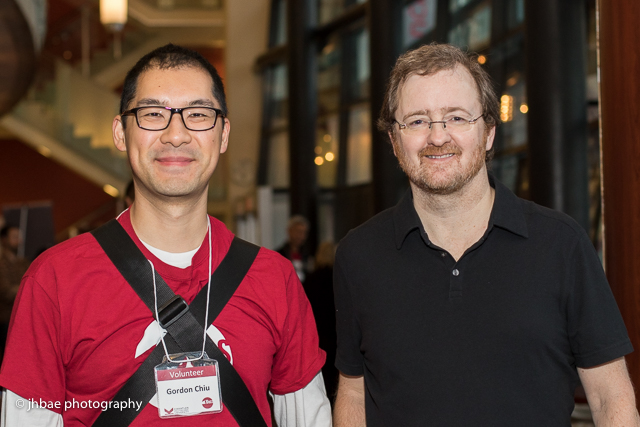
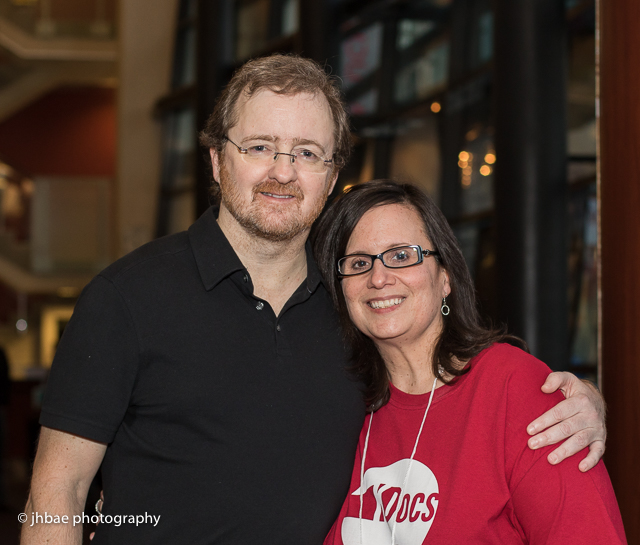
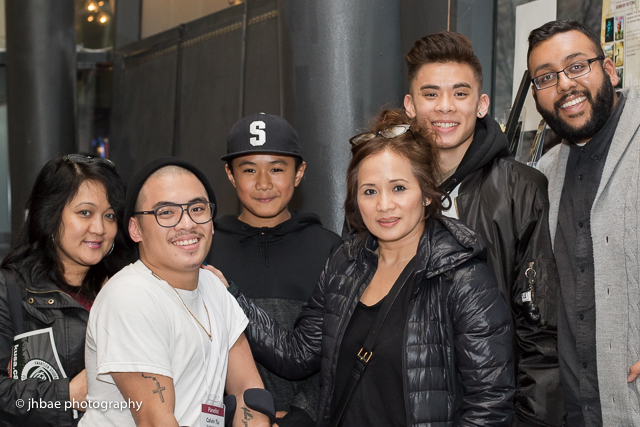
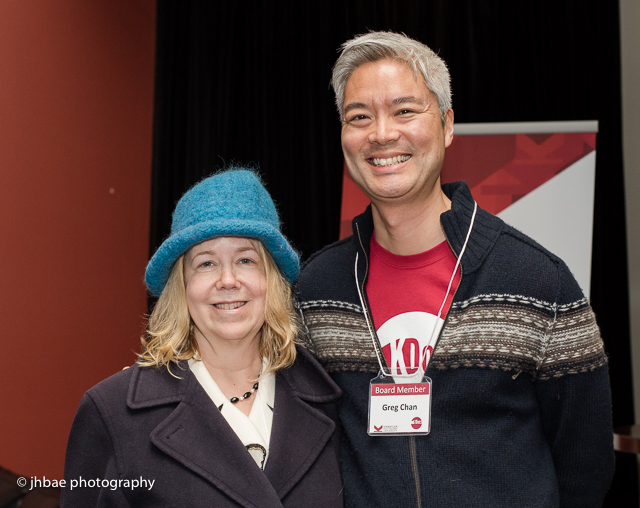
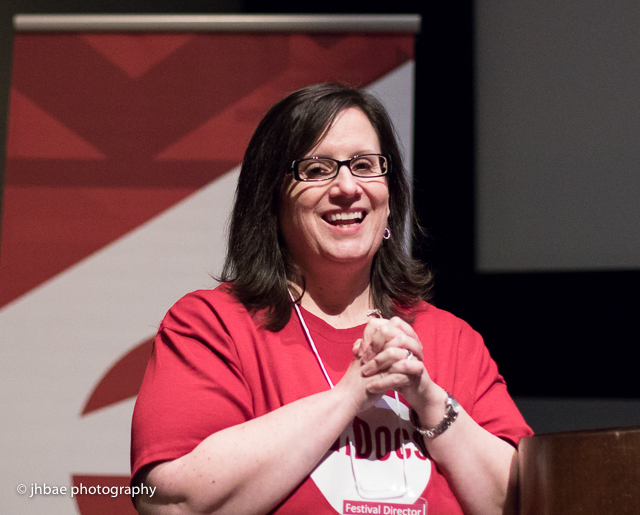
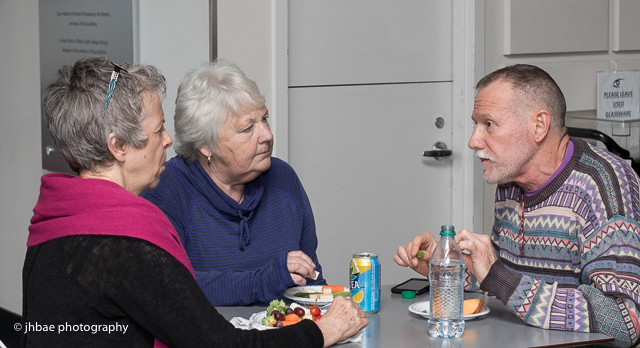
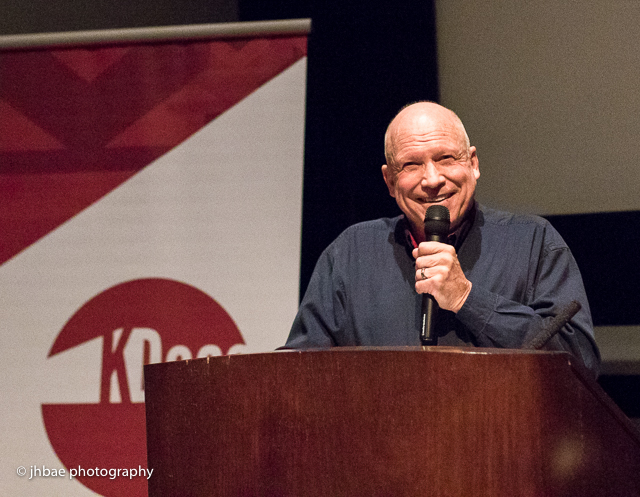
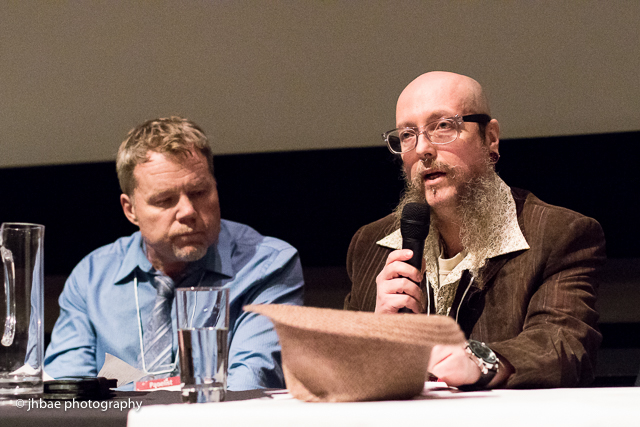
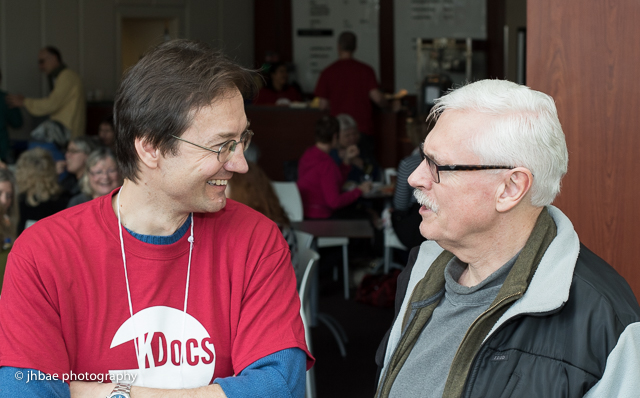
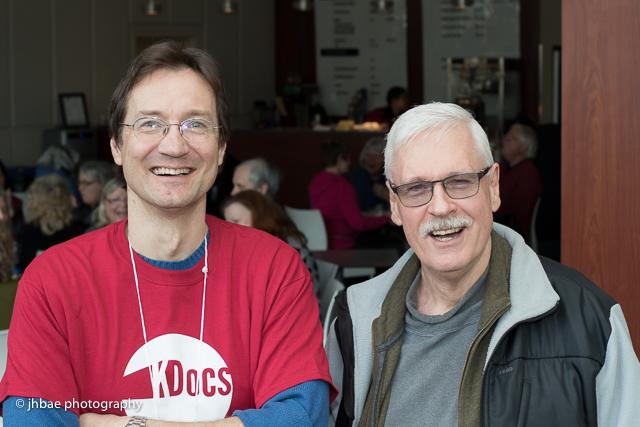
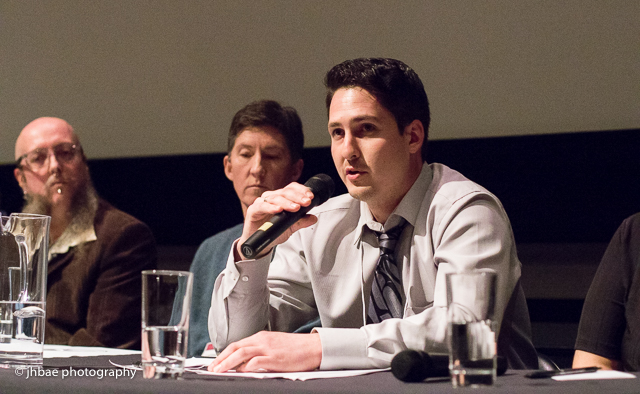
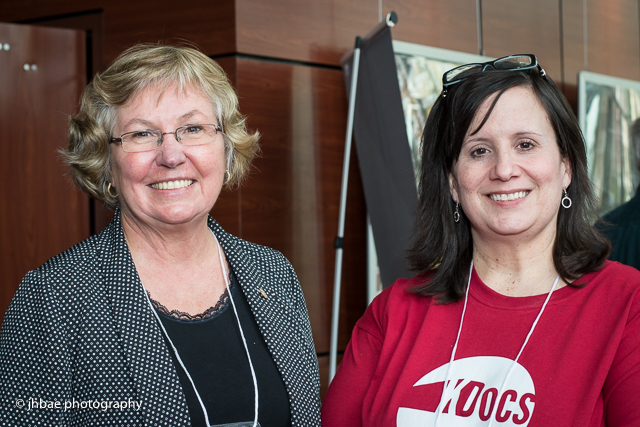
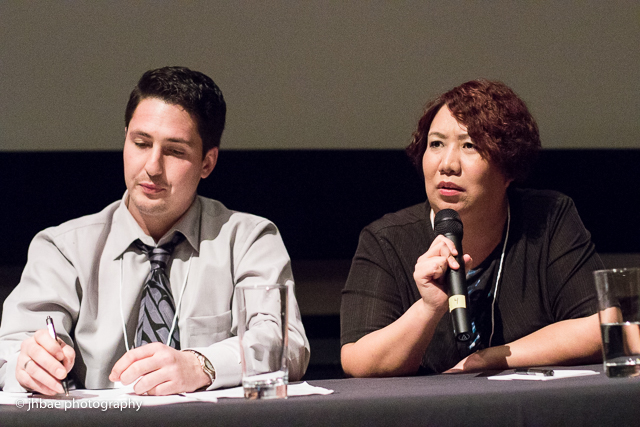
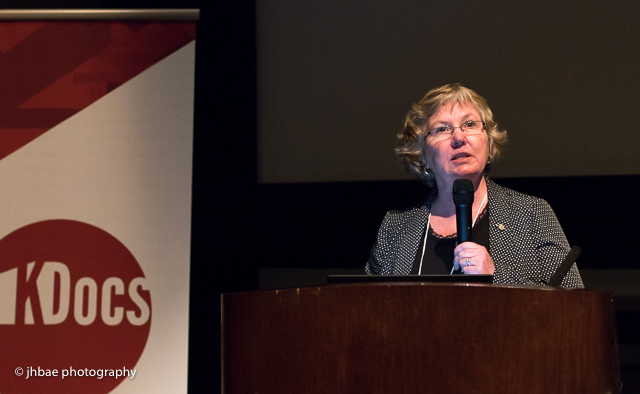
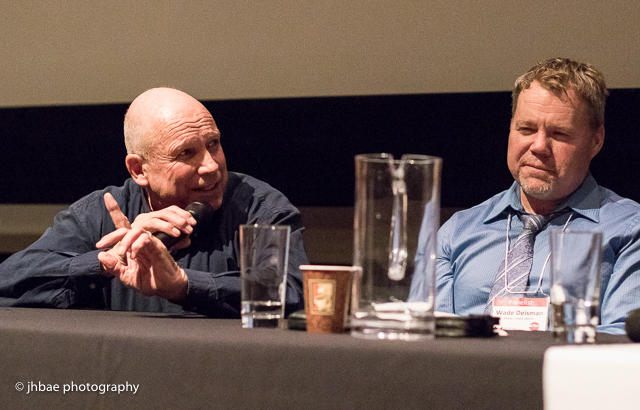
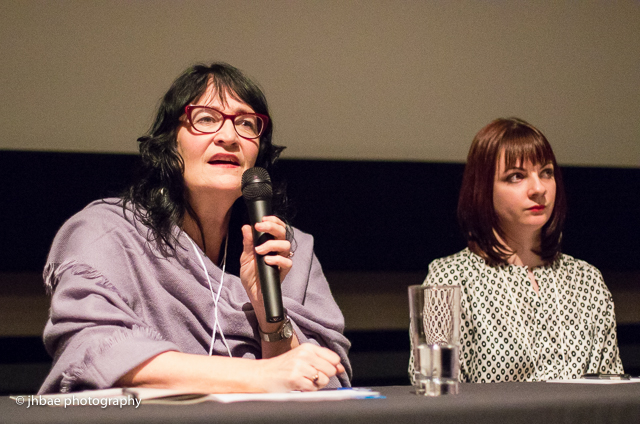
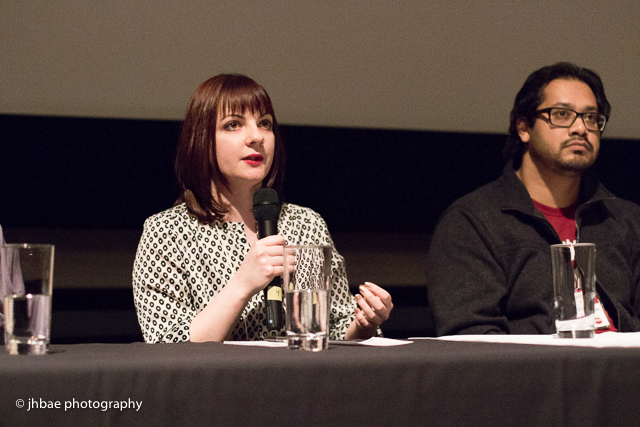
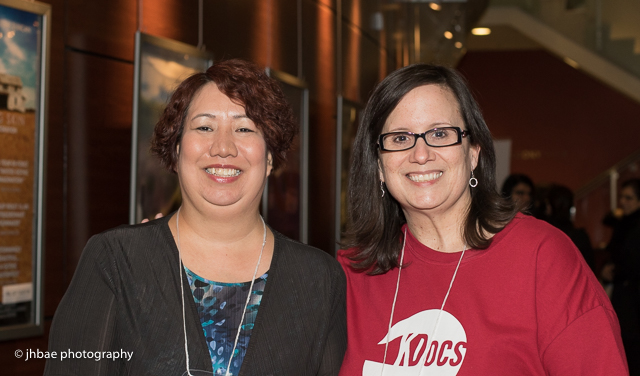
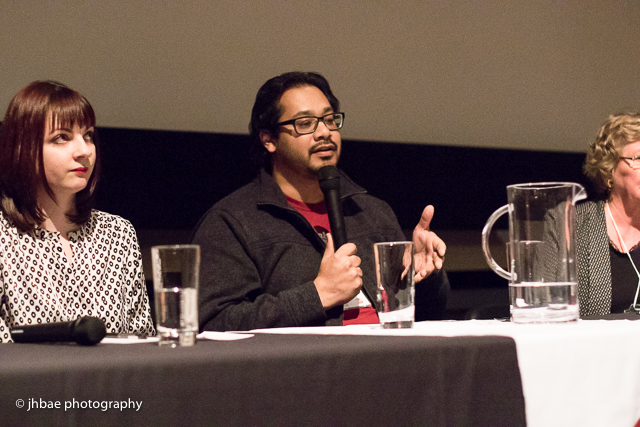
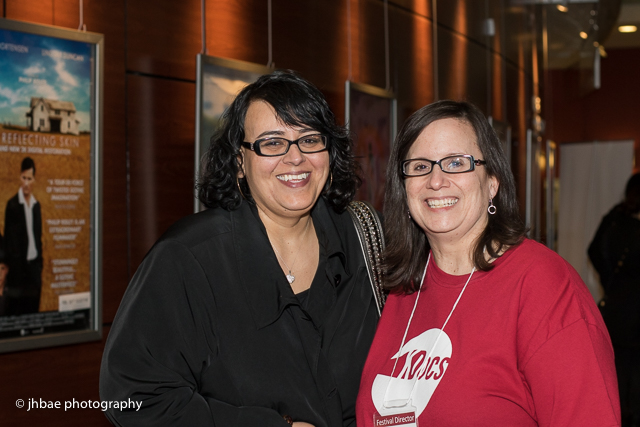
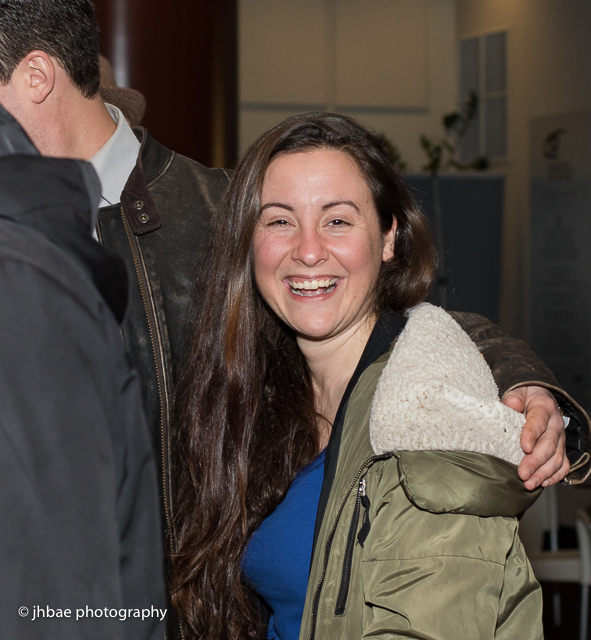
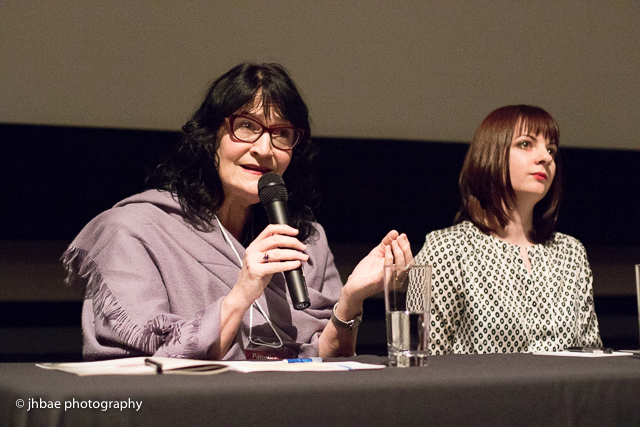
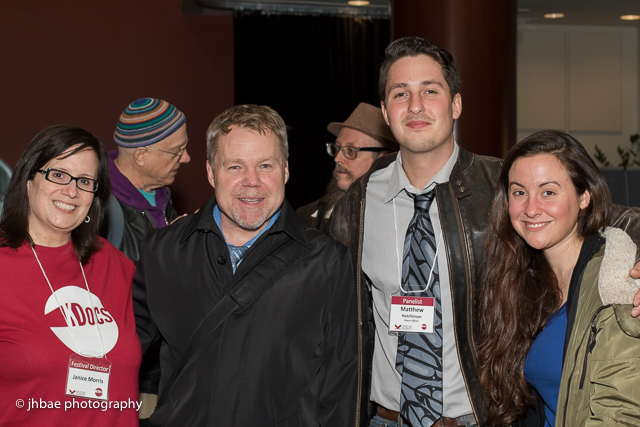
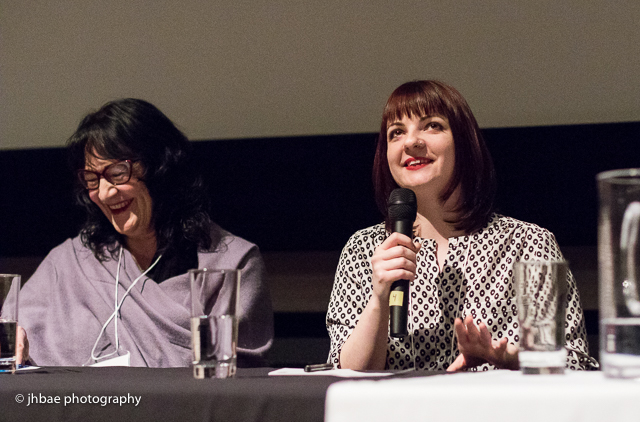
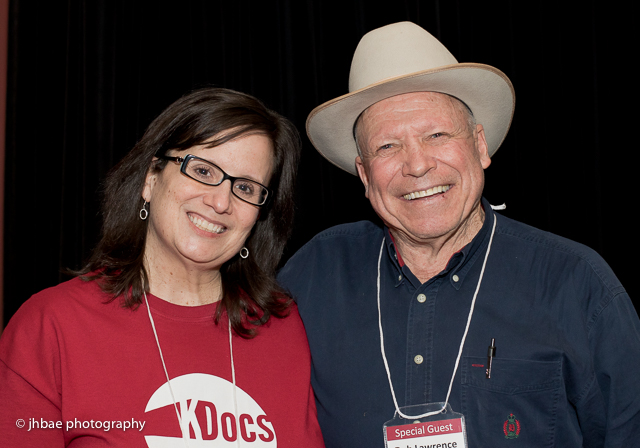
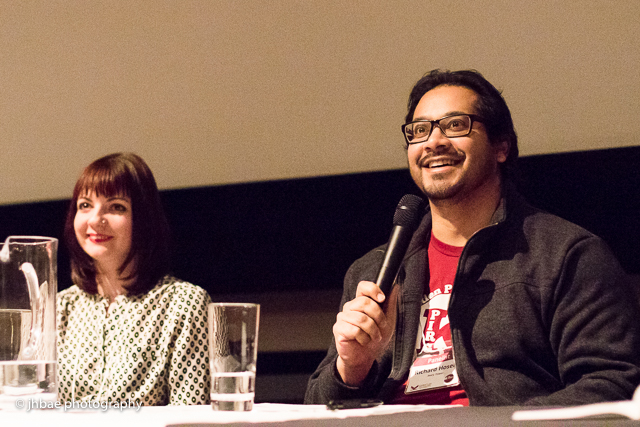
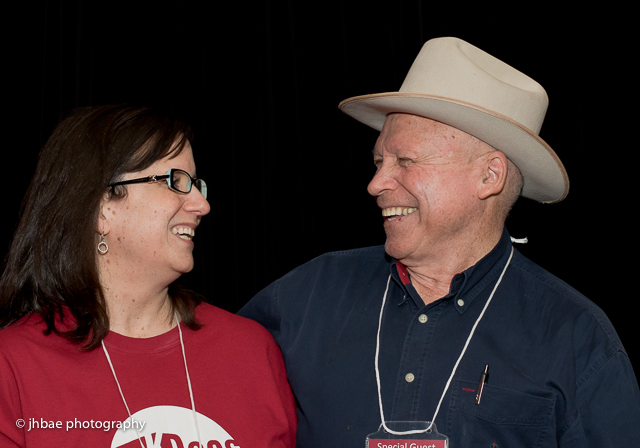
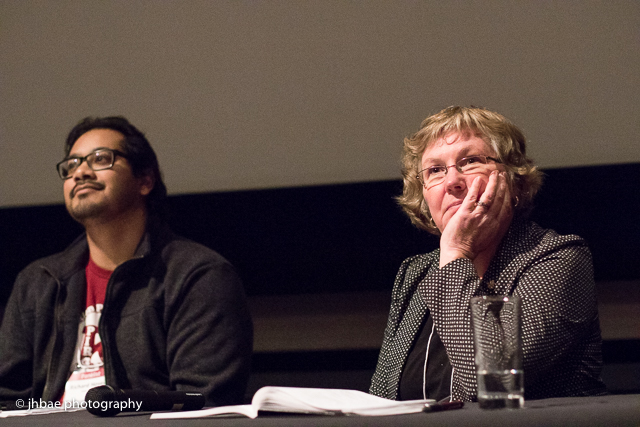
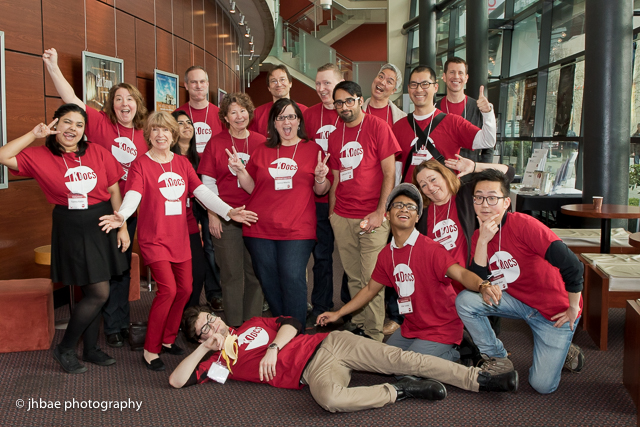
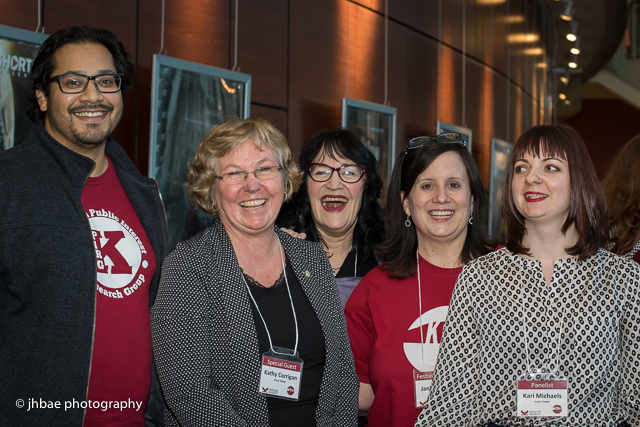
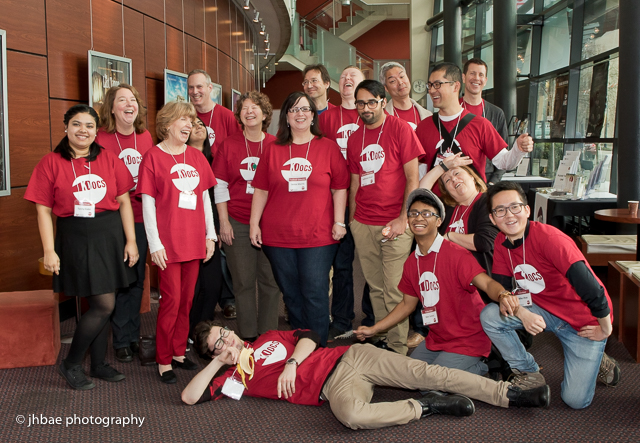
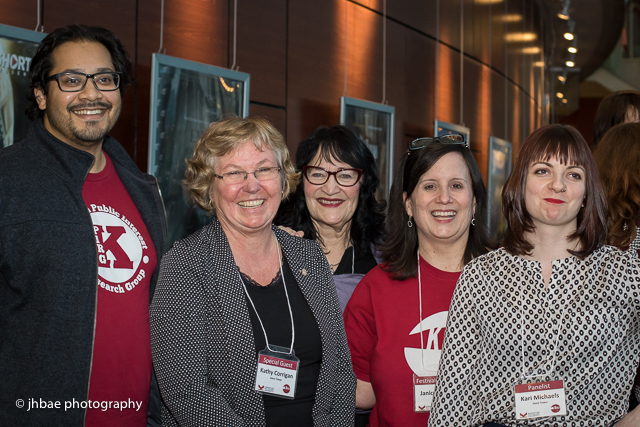
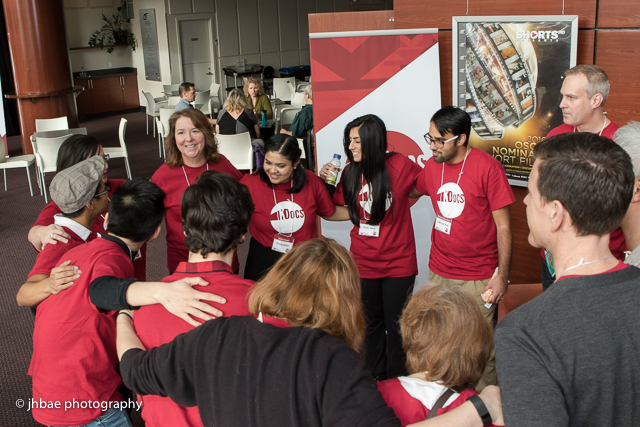
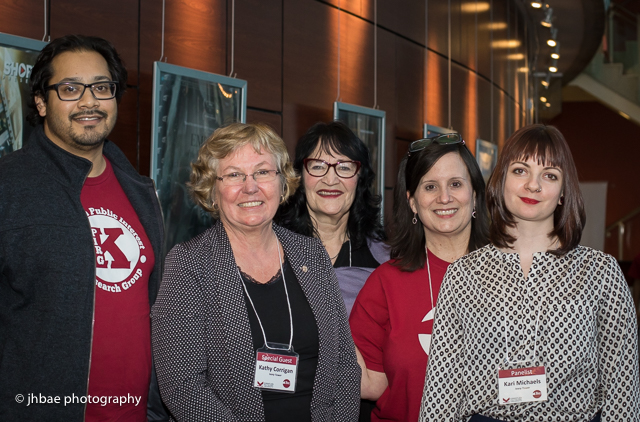
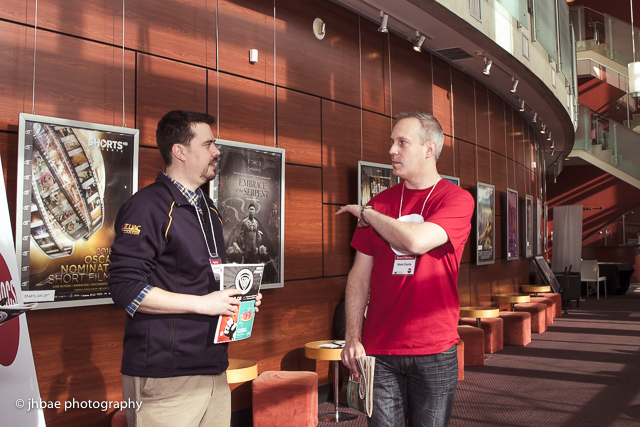
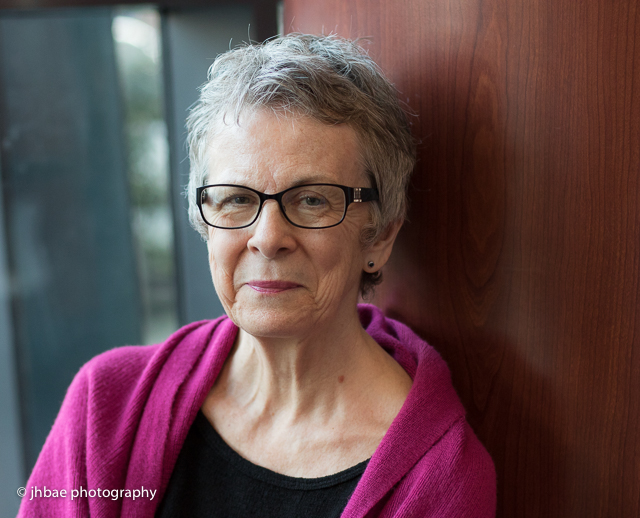
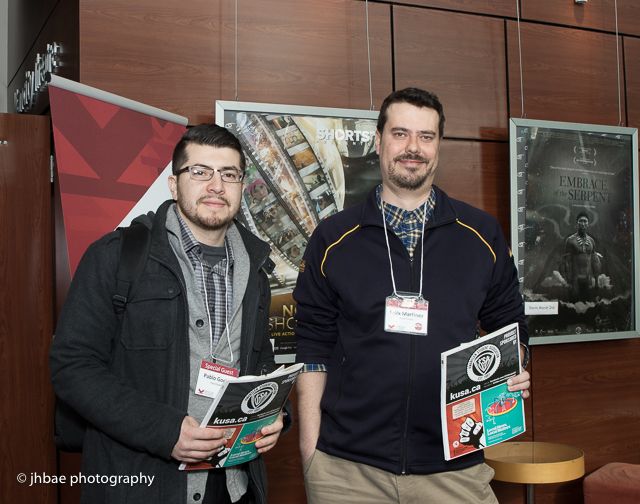
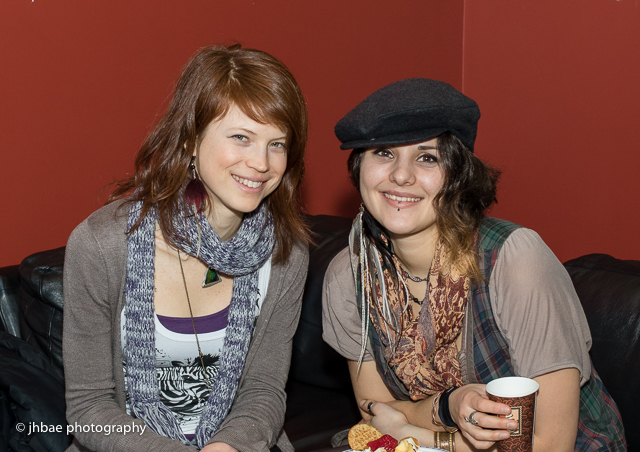
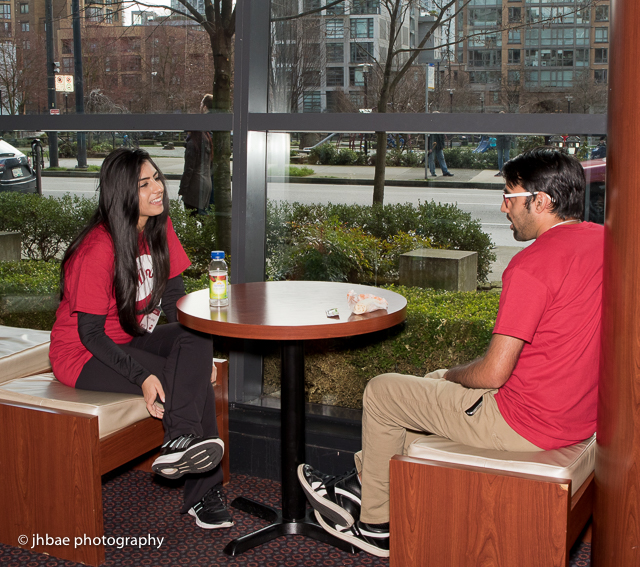
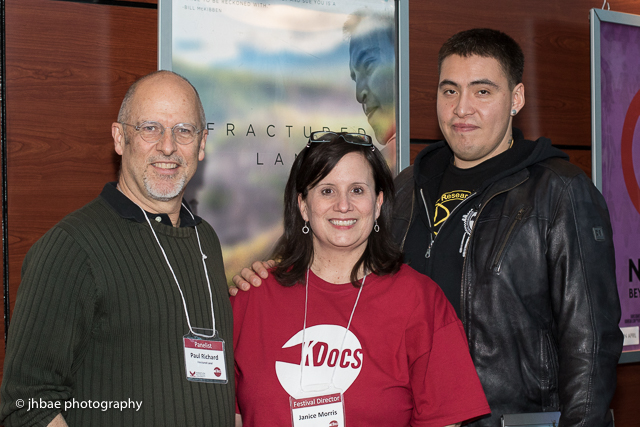
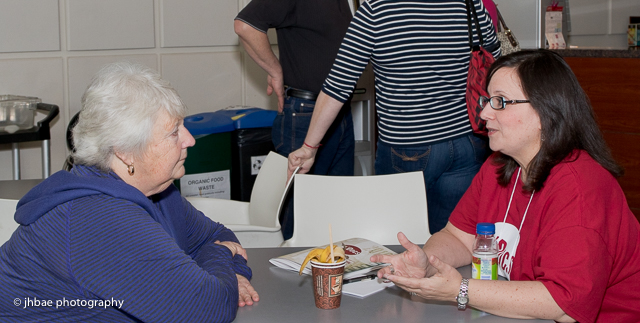
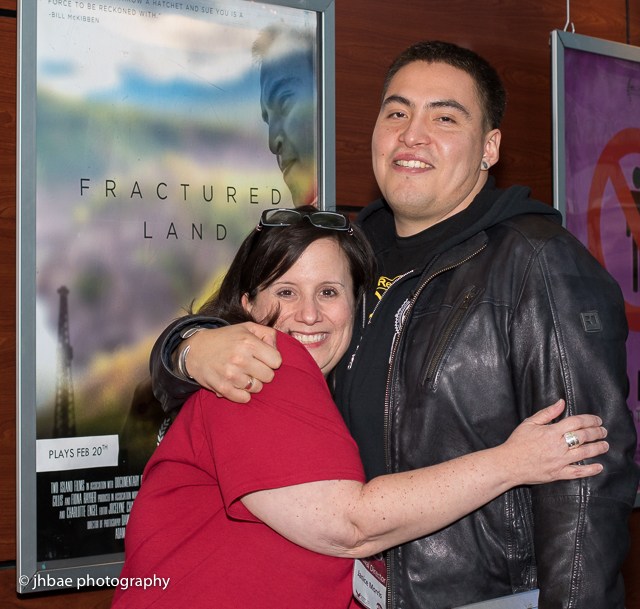
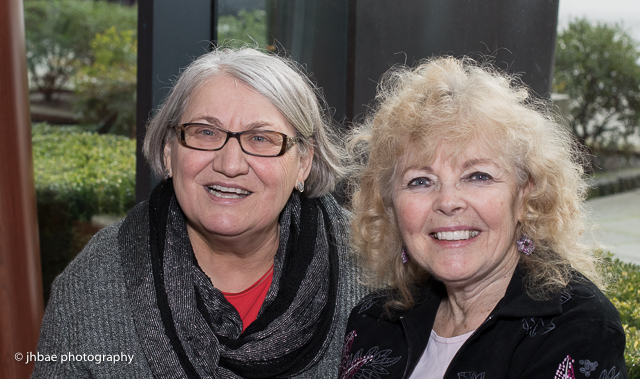
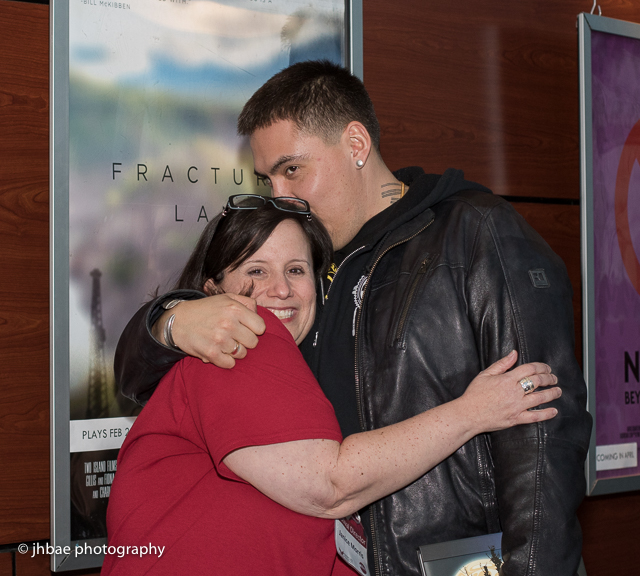
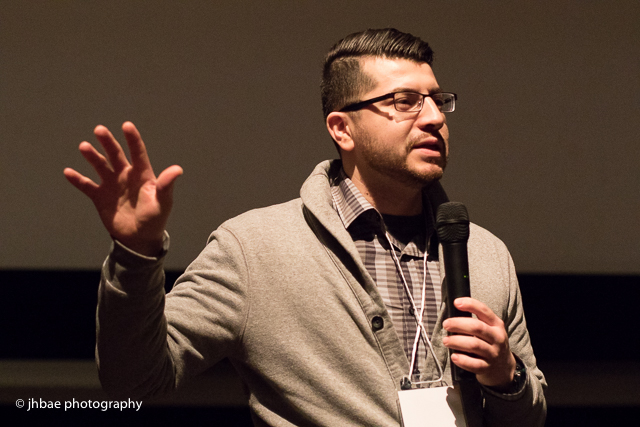
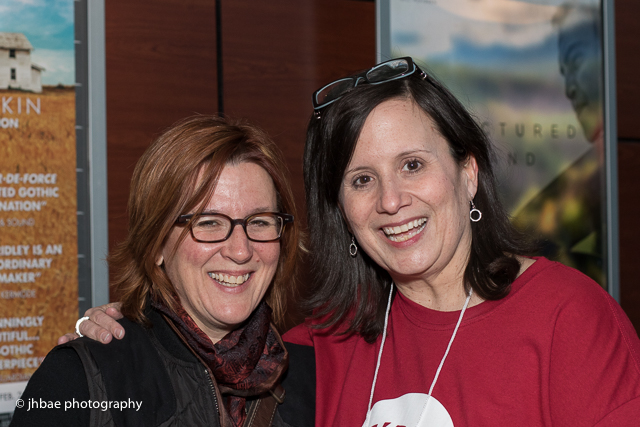
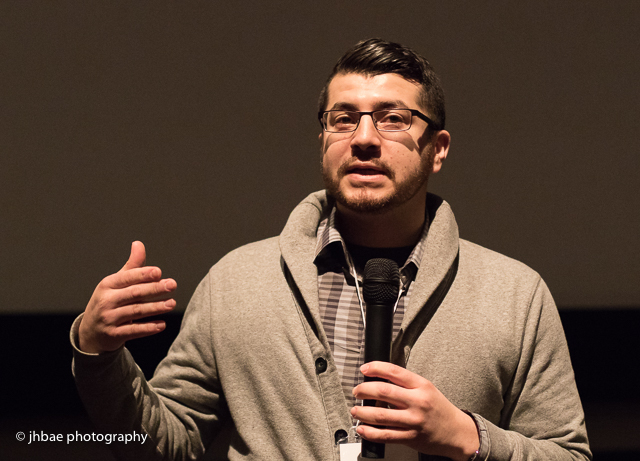
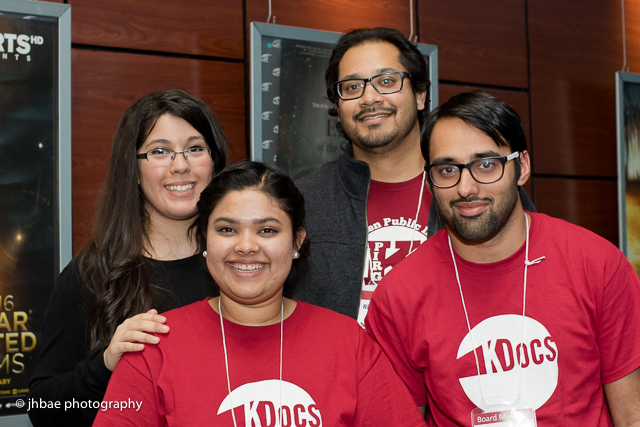
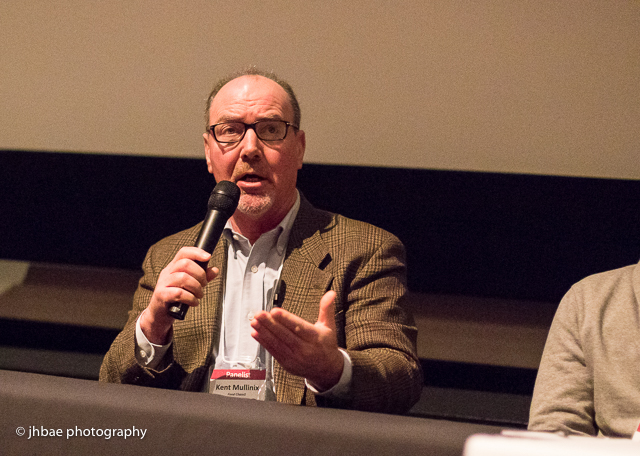
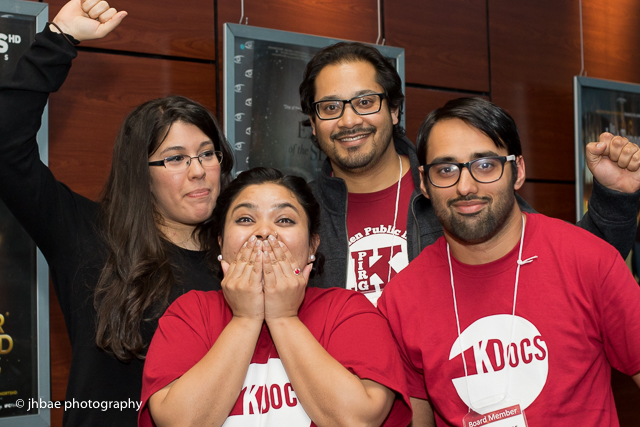
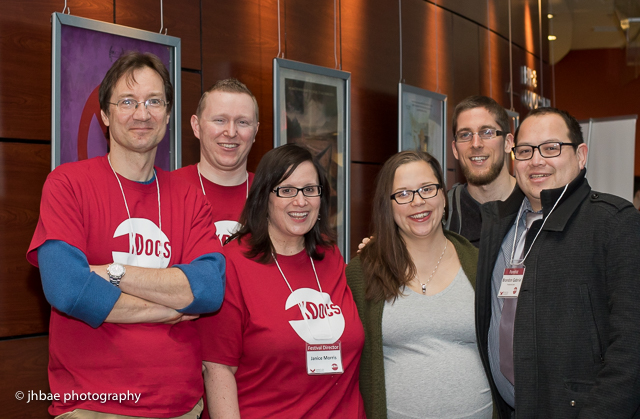
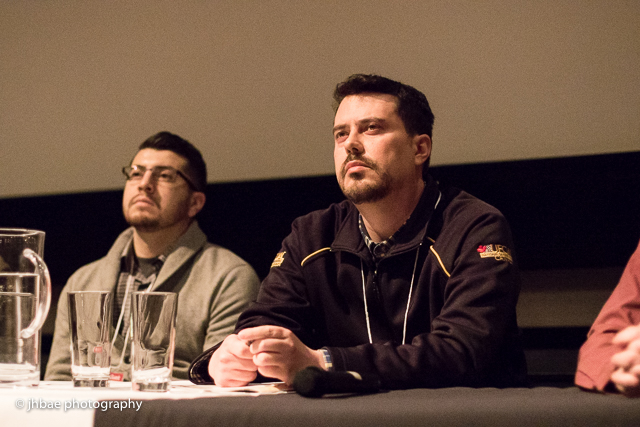
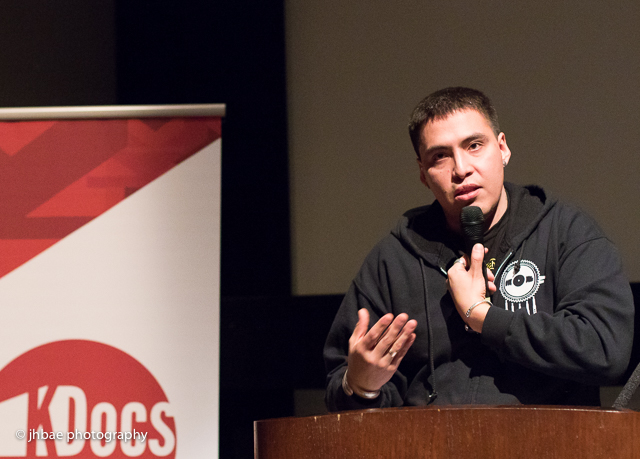
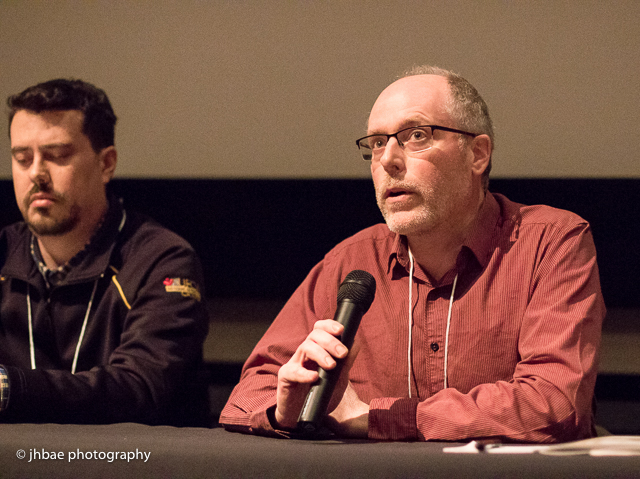
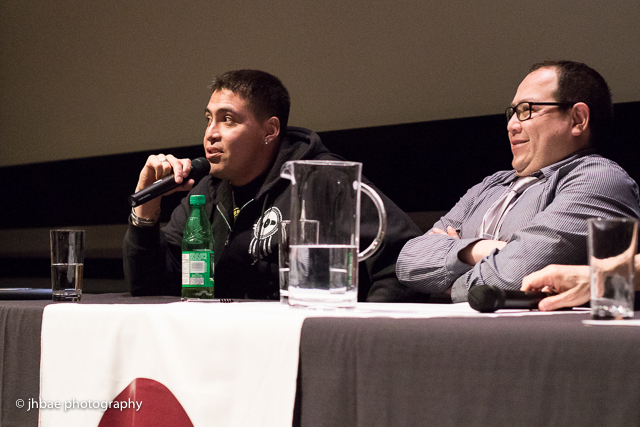
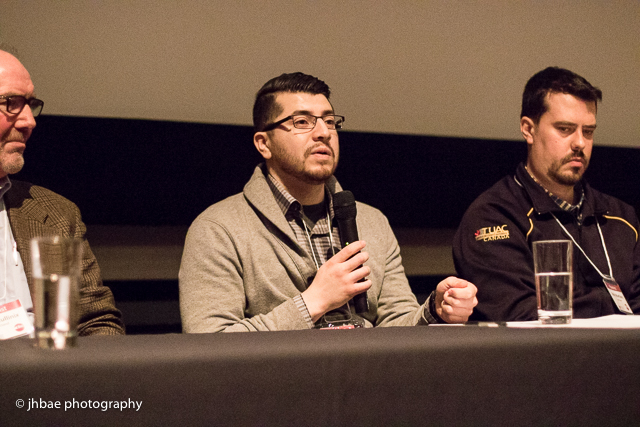
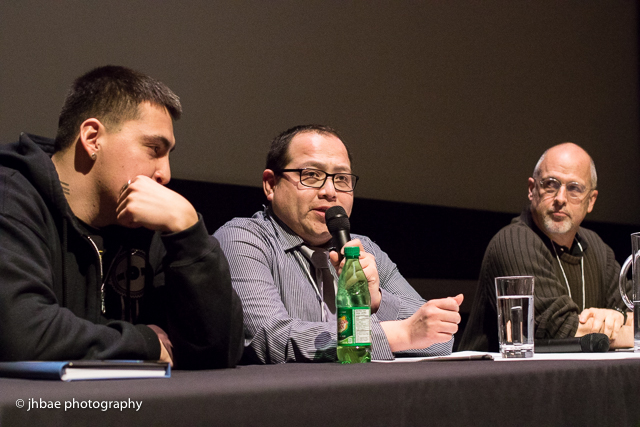
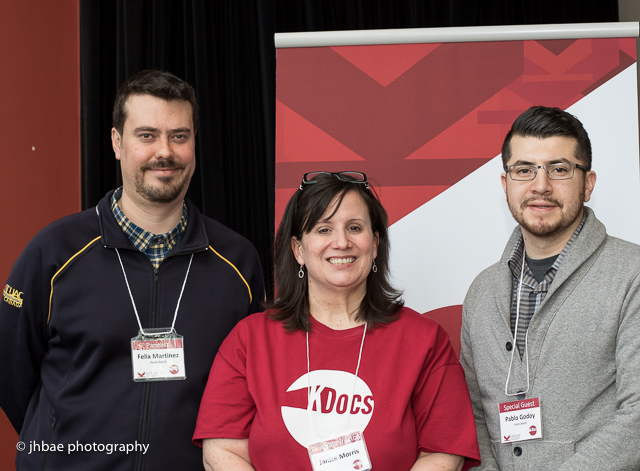
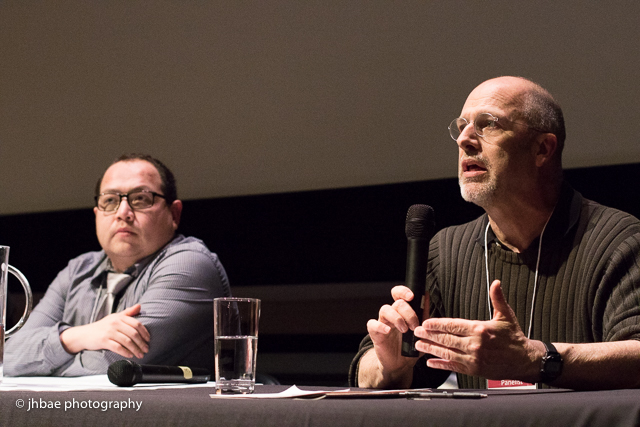
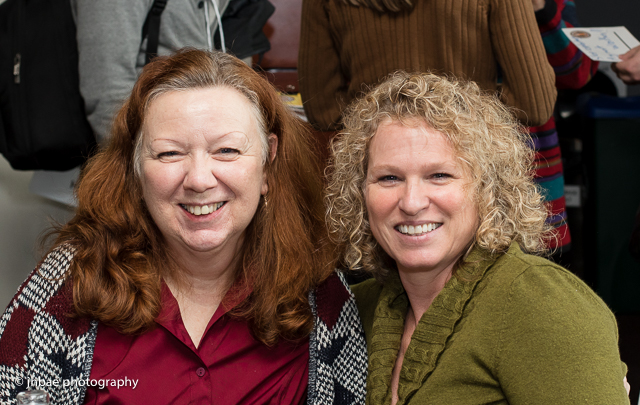
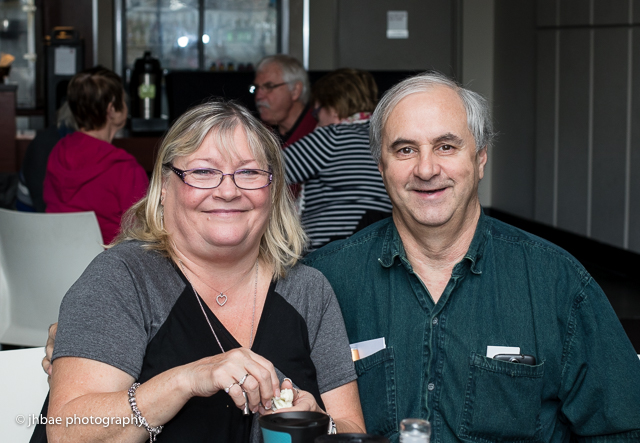
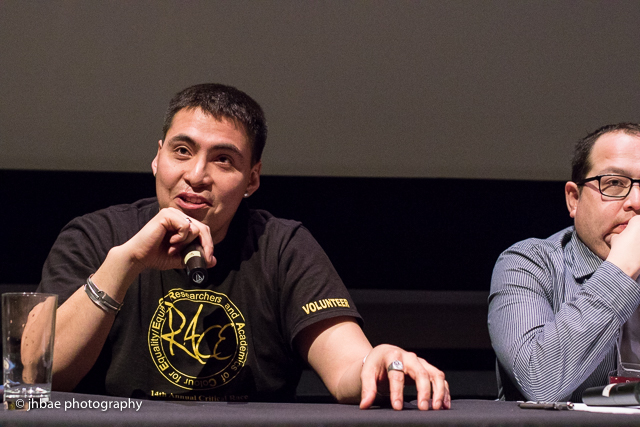
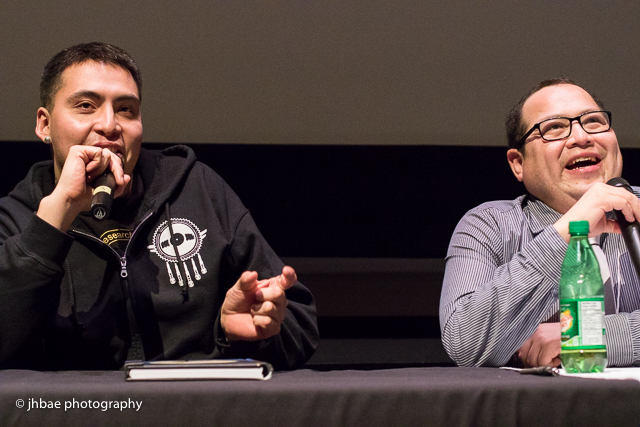
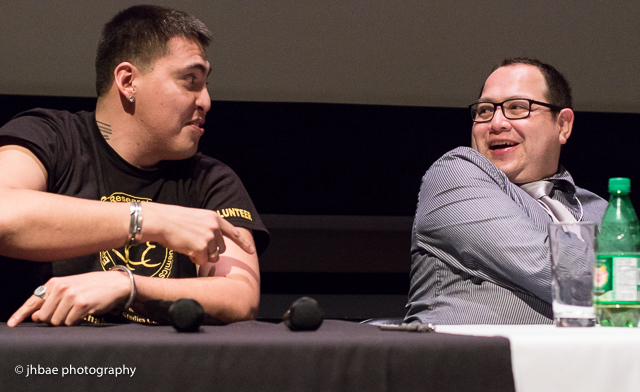
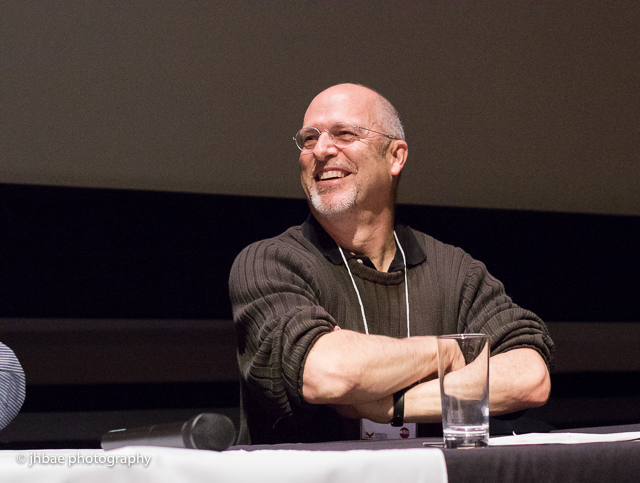
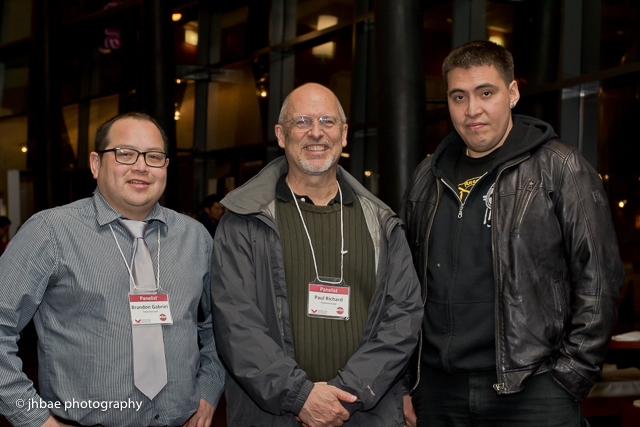
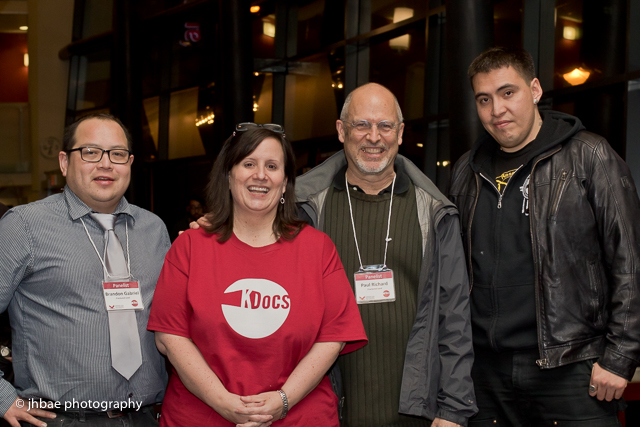
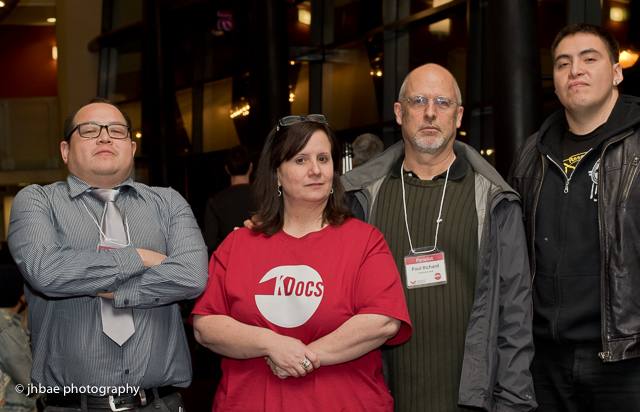
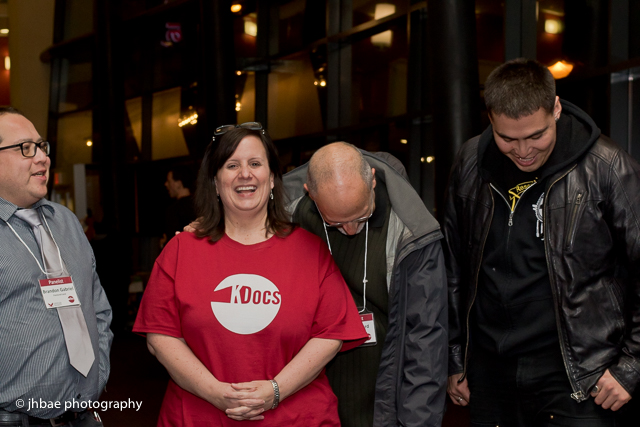
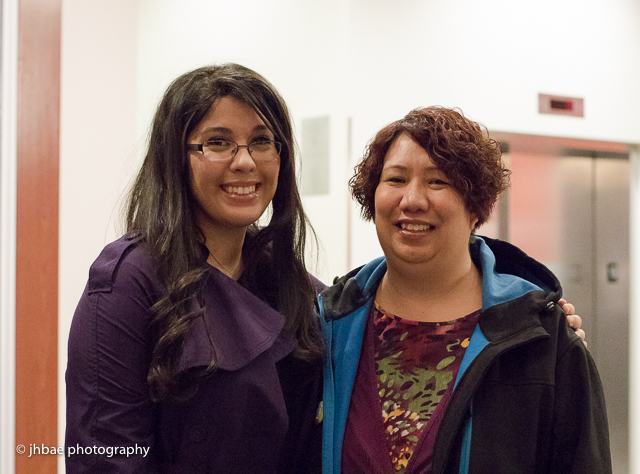
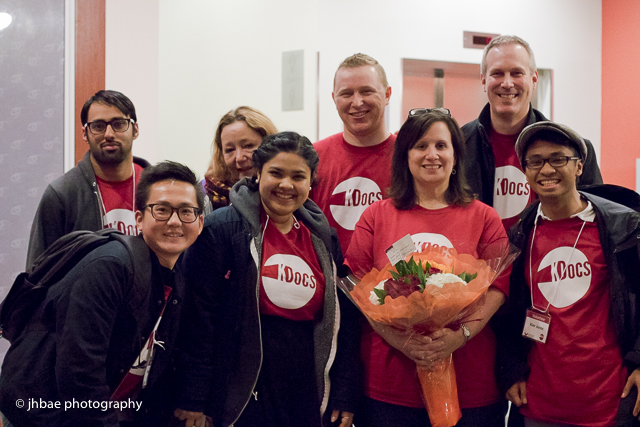
KDocs held its second annual official documentary film festival on February 19 and 20, 2016, at the Vancouver International Film Centre/Vancity Theatre. Over 700 people were in attendance throughout the two-day festival, with a 35% increase in average per-film attendance.
Drone: “Inside the secret CIA drone war. Intimate stories from the war on terror. People living under drones in Pakistan and drone pilots struggling with killing through joysticks in the US. The film covers diverse and integral ground from the recruitment of young pilots at gaming conventions and the re-definition of ‘going to war,’ to the moral stance of engineers behind the technology, the world leaders giving the secret ‘green light’ to engage in the biggest targeted killing program in history, and the people willing to stand up against the violations of civil liberties and fight for transparency, accountability and justice. This is just the beginning. In the midst of fast advancement of technology and lagging international legislation the film shows how drones change wars and possibly our future.” KDocs’s special guests and keynote speakers were Brandon Bryant (star of Drone and Founder, Project Red Hand), Michelle Segal (Project Red Hand), and Luke Bokenfohr (Former Royal Marine Commando and current Vancouver Police Department). www.dronethedocumentary.com
The Mask You Live In: “The Mask You Live In follows boys and young men as they struggle to stay true to themselves while negotiating America’s narrow definition of masculinity. Pressured by the media, their peer group, and even the adults in their lives, our protagonists confront messages encouraging them to disconnect from their emotions, devalue authentic friendships, objectify and degrade women, and resolve conflicts through violence. These gender stereotypes interconnect with race, class, and circumstance, creating a maze of identity issues boys and young men must navigate to become ‘real’ men. Experts in neuroscience, psychology, sociology, sports, education, and media also weigh in, offering empirical evidence of the ‘boy crisis’ and tactics to combat it. The Mask You Live In ultimately illustrates how we, as a society, can raise a healthier generation of boys and young men.” KDocs’s special guest and keynote speaker was leadership consultant David Hatfield. www.themaskyoulivein.org
Peace Officer: “Peace Officer is a feature documentary about the increasingly militarized state of American police as told through the story of William ‘Dub’ Lawrence, a former sheriff who established and trained his rural state’s first SWAT team only to see that same unit kill his son-in-law in a controversial standoff 30 years later. Driven by an obsessed sense of mission, Dub uses his own investigative skills to uncover the truth in this and other recent officer-involved shootings in his community while tackling larger questions about the changing face of peace officers nationwide.” KDocs’s special guest and keynote speaker was William “Dub” Lawrence (star of Peace Officer). www.peaceofficerfilm.com
Food Chain$: “There is more interest in food these days than ever, yet there is very little interest in the hands that pick it. Farmworkers, the foundation of our fresh food industry, are routinely abused and robbed of wages. In extreme cases they can be beaten, sexually harassed or even enslaved—all within the borders of the United States. Food Chain$ reveals the human cost in our food supply and the complicity of large buyers of produce like fast food and supermarkets. Fast food is big, but supermarkets are bigger—earning $4 trillion globally. They have tremendous power over the agricultural system. Over the past 3 decades they have drained revenue from their supply chain leaving farmworkers in poverty and forced to work under subhuman conditions. Yet many take no responsibility for this.” KDocs’s special guest and keynote speaker was Pablo Godoy (National Representative, UFCW Canada; National Coordinator, Students Against Migrant Exploitation/S.A.M.E.), and Vice-President, Ontario Federation of Labour). www.foodchainsfilm.com
Ivory Tower: “As tuition rates spiral beyond reach and student loan debt passes $1 trillion (more than credit card debt), Ivory Tower asks: Is college worth the cost? From the halls of Harvard, to public colleges in financial crisis, to Silicon Valley, filmmaker Andrew Rossi assembles an urgent portrait of a great American institution at the breaking point. Through profiles at Arizona State, Cooper Union, and San Jose State—among several others—Ivory Tower reveals how colleges in the United States, long regarded as leaders in higher education, came to embrace a business model that often promotes expansion over quality learning. But along the way we also find unique programs, from Stanford to the free desert school Deep Springs to the historically black all women’s college Spelman, where the potential for life-changing college experiences endure. Ultimately, Ivory Tower asks, What price will society pay if higher education cannot revolutionize college as we know it and evolve a sustainable economic model?” KDocs’s special guest and keynote speaker was Kathy Corrigan, MLA, Burnaby-Deer Lake and Official Opposition Critic for Advanced Education. www.takepart.com/ivorytower
Fractured Land: “What would it be like to live alongside one of the shapers of human events, in their youth, before they transformed history? In Fractured Land, we follow Caleb Behn, a young Dene lawyer who may become one of this generation’s great leaders, if he can discover how to reconcile the fractures within himself, his community and the world around him, blending modern tools of the law with ancient wisdom. As 350.org founder, Bill McKibben, puts it, “Anyone who can throw a hatchet and sue you is a force to be reckoned with.” Caleb sports a Mohawk and tattoos, hunts moose, and wears a business suit. His father is a devout environmentalist and residential school survivor. His mother is a top executive for the oil and gas industry. His people, at the epicenter of some of the largest fracking operations on earth, are deeply divided. How does Caleb balance their need for jobs with his sacred duty to defend their territory? He has arrived at a key moment in history, sees the contradictions, and wants to reconcile them.” KDocs’s special guest and keynote speaker was Caleb Behn (star of Fractured Land). www.fracturedland.com
Courtesy of Kwantlen's Coast Capital Library, you can read a bibliographic listing of additional resources for Drone, The Mask You Live In, Peace Officer, Food Chain$, Ivory Tower, and Fractured Land.






A Special KDocs Screening: Vancouver Aquarium Uncovered
KDocs was proud to present Vancouver Aquarium Uncovered, a documentary film by local Vancouver filmmaker Gary Charbonneau, on January 27, 2016. The event was held at Kwantlen Polytechnic University’s Surrey campus, with approximately 100 people in attendance. Our special guests included Mr. Charbonneau; animal law lawyer, Rebeka Breder; and Chief Scientific Officer for the BC SPCA, Dr. Sara Dubois, and together with a lively audience, they participated in an informative Q&A following the film. With Vancouver Aquarium Uncovered, Charbonneau delivers a powerful and explosive documentary uncovering the truth on whale and dolphin captivity at one of Canada’s two remaining aquaria. For more information about the film, including a link to the film itself where it can be viewed free of charge, visit www.vancouveraquariumuncovered.com; click here for a bibliography of additional resources related to this film, courtesy of Kwantlen's Coast Capital Library.
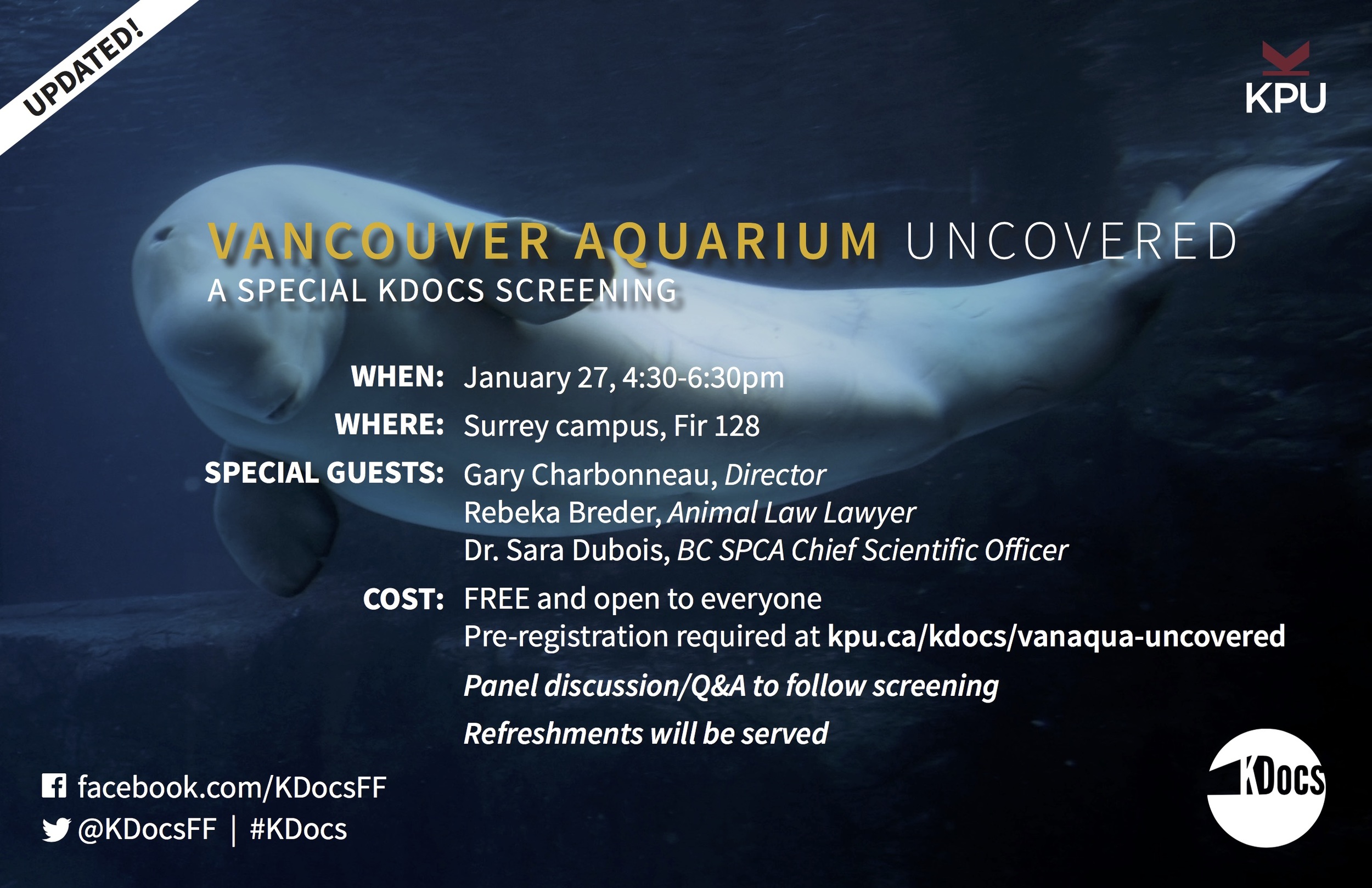
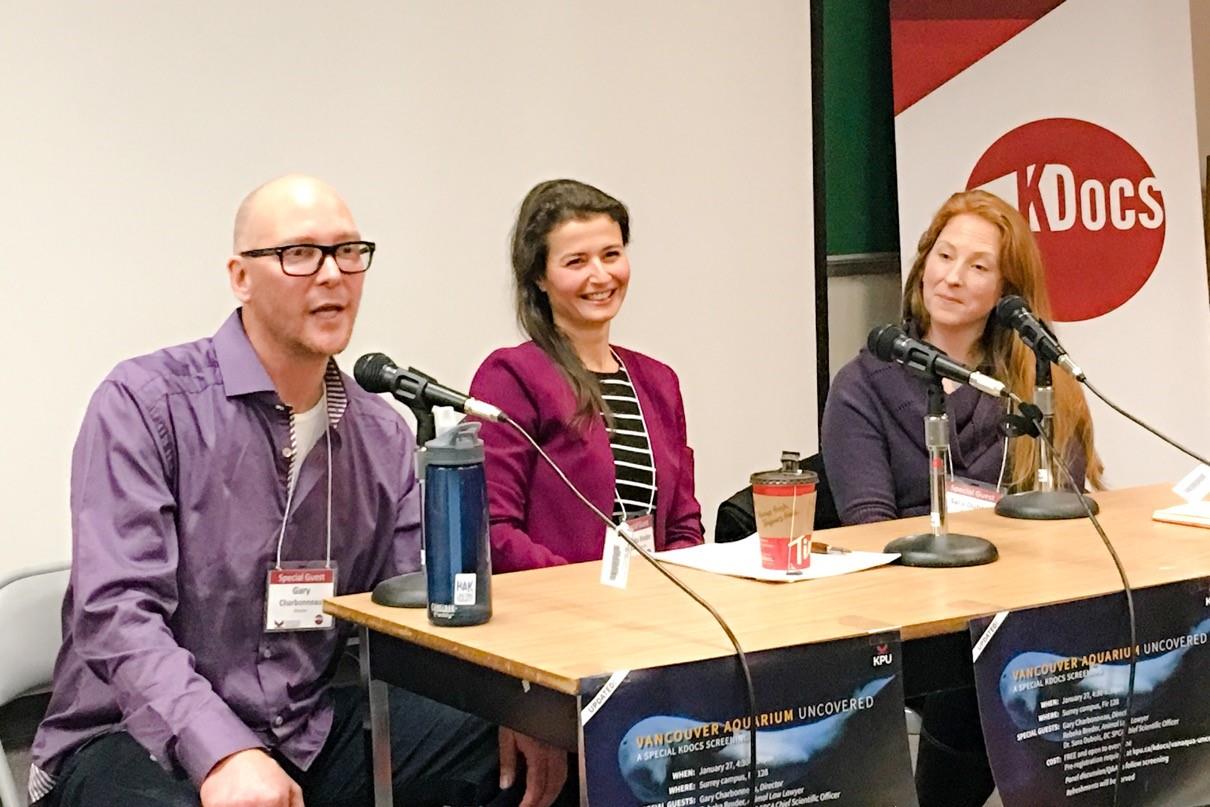
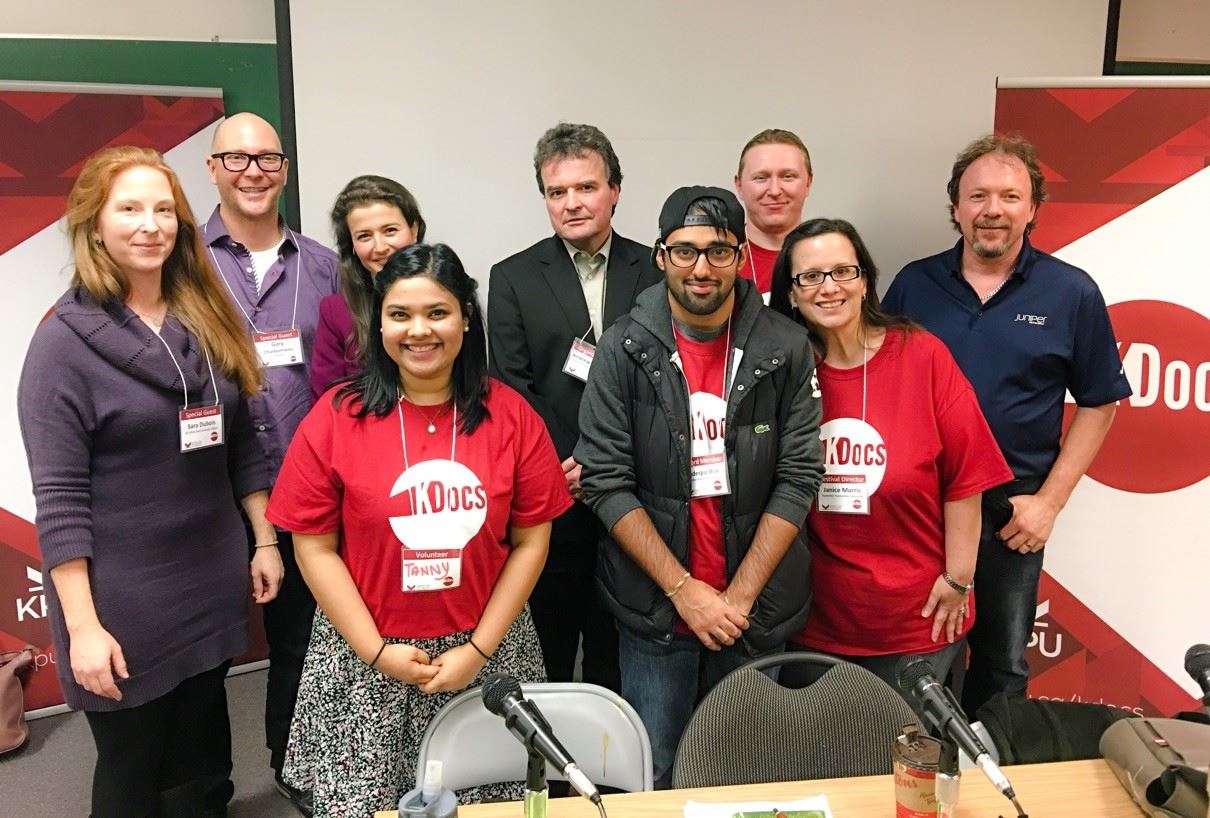
KDocsFF 2015
KDocs held its first full film festival on March 14, 2015, at the Vancouver International Film Centre/Vancity Theatre. Over 300 were in attendance throughout the day.
Honor Diaries: Micah Smith’s 2013 Honor Diaries “is the first film to break the silence on ‘honor violence’ against women and girls. Honor Diaries is more than a movie, it is a movement to save women and girls from human rights abuses around the world.” KDocs special guest and keynote speaker was Raheel Raza, a Muslim Canadian journalist, author, public speaker, media consultant, anti-racism activist, and interfaith discussion leader.
Do the Math: Directors Kelly Nyks and Jared P. Scott’s 2013 film “chronicles ‘America's leading environmentalist,’ Bill McKibben, in a David-vs-Goliath battle to fight the fossil fuel industry and change the terrifying math of the climate crisis.” KDocs's special guest and keynote speaker was Bill McKibben (via video recording).
A Dangerous Game: “In this 2014 sequel to the award-winning You’ve Been Trumped, director Anthony Baxter once again follows American billionaire Donald Trump and a cast of other greedy characters who want to turn some of the Earth’s most precious places into golf courses and playgrounds for the super rich. KDocs's special guest and keynote speaker was Anthony Baxter, British journalist and broadcaster and the director of A Dangerous Game and You've Been Trumped.
Courtesy of Kwantlen's Coast Capital Library, you can read a bibliographic listing of additional resources for Honor Diaries, Do the Math, and A Dangerous Game.



KDocsFF 2014
The Price We Pay: KDocs launched on October 5, 2014, with its inaugural event, in partnership with the Vancouver Film Festival (VIFF): a screening of The Price We Pay, with special guest, the film’s director, Harold Crooks. With The Price We Pay, Crooks, best known for The Corporation and, most recently, Surviving Progress, blows the lid off the dirty world of corporate malfeasance with this incendiary documentary about the dark history and dire present-day reality of big-business tax avoidance, which has seen multinationals depriving governments of trillions of dollars in tax revenues by harbouring profits in offshore havens. KPU's Coast Capital Library has prepared a bibliography of additional resources related to this film.
How to Survive a Plague: How to Survive a Plague is the story of two coalitions—ACT UP and TAG (Treatment Action Group)—whose activism and innovation turned AIDS from a death sentence into a manageable condition. The 2014-2015 Documentary Series closed out with 150+ registrants and a visit from David France, award-winning author, journalist, and director of the Oscar-nominated and Peabody-award-winning How to Survive a Plague, a sobering and, at times, heartbreaking, look at the early years of HIV/AIDS activism. France delivered the event’s Keynote Address and participated as a panelist during the town hall/Q&A, along with Kwantlen students and Canadian HIV/AIDS consultant, advocate, and activist, Brandy Svendson (CEO, Be the Change Group Inc.). Once again, MRAG worked closely with the KSA and various Kwantlen students groups, including Kwantlen Pride, to present a lively panel discussion in which student representatives from Kwantlen’s queer, gender diversity, and social justice groups drove a lively conversation and debate. The event garnered media attention from CBC Radio, AIDS Vancouver, and Positive Living BC and demonstrated once again the far reach of MRAG and its high-quality, community-based, social justice-oriented events. For additional resources related to How to Survive a Plague, you are welcome to review the bibliography prepared by the Coast Capital Library.

![How To Survive a Plague - Official Trailer [HD]](https://images.squarespace-cdn.com/content/v1/55a6e522e4b0ac197c196fd7/1447728636129-Y085FLC3K2Z2QPUVSFUN/image-asset.jpeg)
KDocsFF 2013
Orgasm Inc.: Orgasm Inc. is an extraordinary behind-the-scenes access reveals a drug company's fevered race to develop the first FDA-approved Viagra for women and offers a humorous but sobering look inside the cash-fueled pharmaceutical industry. The 2013-2014 Documentary Series kicked off in October 2013, when we hosted filmmaker Liz Canner for a day on KPU’s campus, where she not only delivered the Keynote Address for the evening’s main event, but also met with smaller student/class groups (breakfast and lunch events) and participated in the town hall/panel discussion that followed the main event. This was another sold-out MRAG event, with over 200 registrants, and feedback was overwhelmingly positive, especially for Liz Canner, as well as special panel member, Saleema Noon, one of Canada’s most well-known and highly respected Sexual Education Consultants. Audience members responded enthusiastically to such high-profile speakers/ professionals, and this set an even higher standard for what had already become a well-known, quality brand (MRAG). The Orgasm Inc. event also solidified what was already a growing partnership with the KSA and secured even more, deeper student involvement in the planning and execution of the day’s events.
Bibliography of Additional Resources (courtesy of KPU's Coast Capital Library)Payback: This feature documentary offers a fascinating look at debt as a mental construct and traces how it influences relationships, societies, governing structures, and the fate of the planet itself. Exploring the link between debtor and creditor in a variety of contexts and places, from the mountains of northern Albania to the tomato fields of southern Florida, the film blends compelling stories of “owing” and “being owed.” This event was a high-profile Kwantlen cultural event that attracted an audience of over 200 people from Kwantlen’s communities and beyond, with major contributions in kind made by the School of Horticulture and the Faculty of Design and the direct involvement of their faculty and students in the project. MRAG was pleased to welcome special guest Margaret Atwood. Atwood, author of Payback: Debt and the Shadow Side of Wealth, on which the film is based, took part in the town hall discussion following the screening, along with Dr. William Rees, originator of the “ecological footprint” concept and measurement, who also served as the evening's keynote speaker. CBC Radio One was the event’s media sponsor and provided CBC Radio One host Sheryl MacKay to MC the evening as well as timely media support and coverage. Audience feedback was extremely positive. By all accounts, this event set a new bar for Kwantlen’s MRAG, and Kwantlen events in general.
Bibliography of Additional Resources (courtesy of KPU's Coast Capital Library)


KDocsFF 2012
Pink Ribbons, Inc.: Pink Ribbons, Inc. is a 2011 National Film Board of Canada (NFB) documentary about the pink ribbon campaign, directed by Léa Pool and produced by Ravida Din. The film is based on the 2006 book Pink Ribbons, Inc: Breast Cancer and the Politics of Philanthropy by Samantha King, associate professor of kinesiology and health studies at Queen's University. In October 2012, as just one of MRAG’s projects, we launched its first annual Documentary Series with a screening of this controversial documentary film, including an interdisciplinary panel of Kwantlen faculty and students, as well as Keynote Speaker, Dr. Judy Segal, distinguished UBC professor of English and a scholar in the rhetoric of health and medicine. The Pink Ribbons, Inc. event again attracted a full house; a lively discussion followed, led mainly by the audience, our community; and media interest. Bibliography of Additional Resources (courtesy of KPU's Coast Capital Library)
Miss Representation: Miss Representation is a 2011 American documentary film written, directed, and produced by Jennifer Siebel Newsom. It explores how mainstream media contribute to the under-representation of women in influential positions by circulating limited and often disparaging portrayals of women. The film premiered in the documentary competition at the 2011 Sundance Film Festival. This first screening and town hall panel/community dialogue (January 2012) attracted over 150 participants and received an overwhelming show of positive feedback within and across KPU’s many communities, including the media. We received many requests for more such events and dialogues across KPU campuses, ranging from community action-oriented meetings, to speaker evening/series, to group websites/social media/blogs, and of course, more film screenings and town hall discussions.
Bibliography of Additional Resources (courtesy of KPU's Coast Capital Library)


